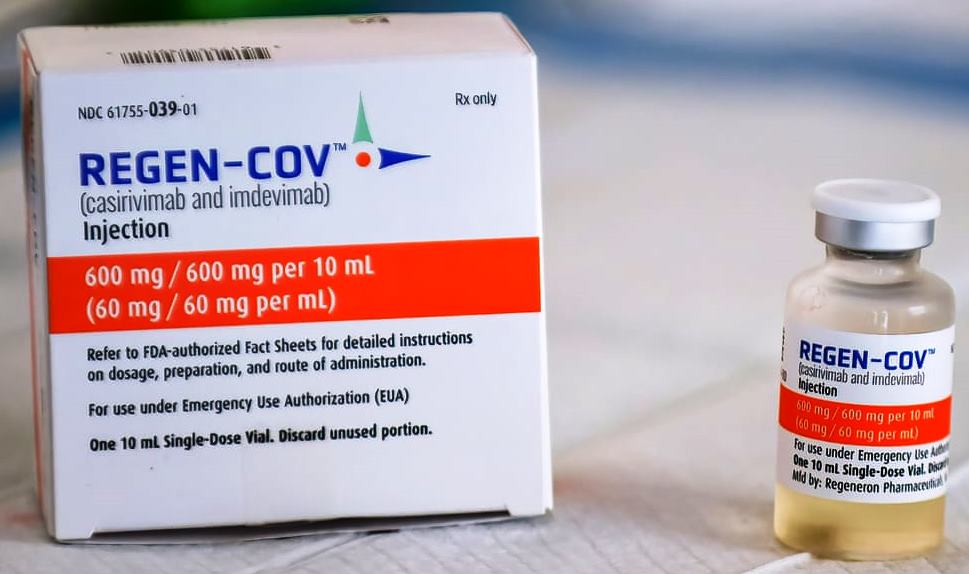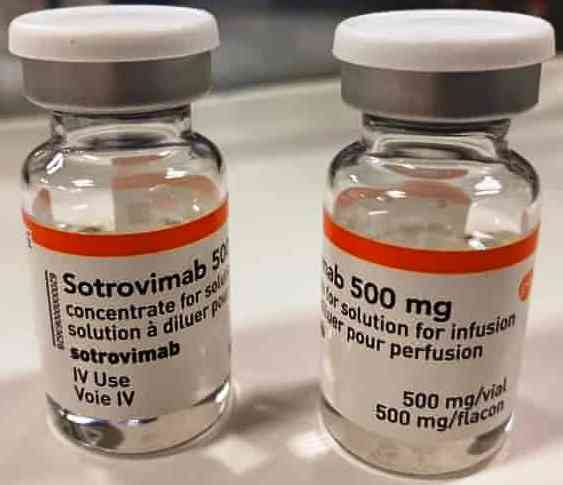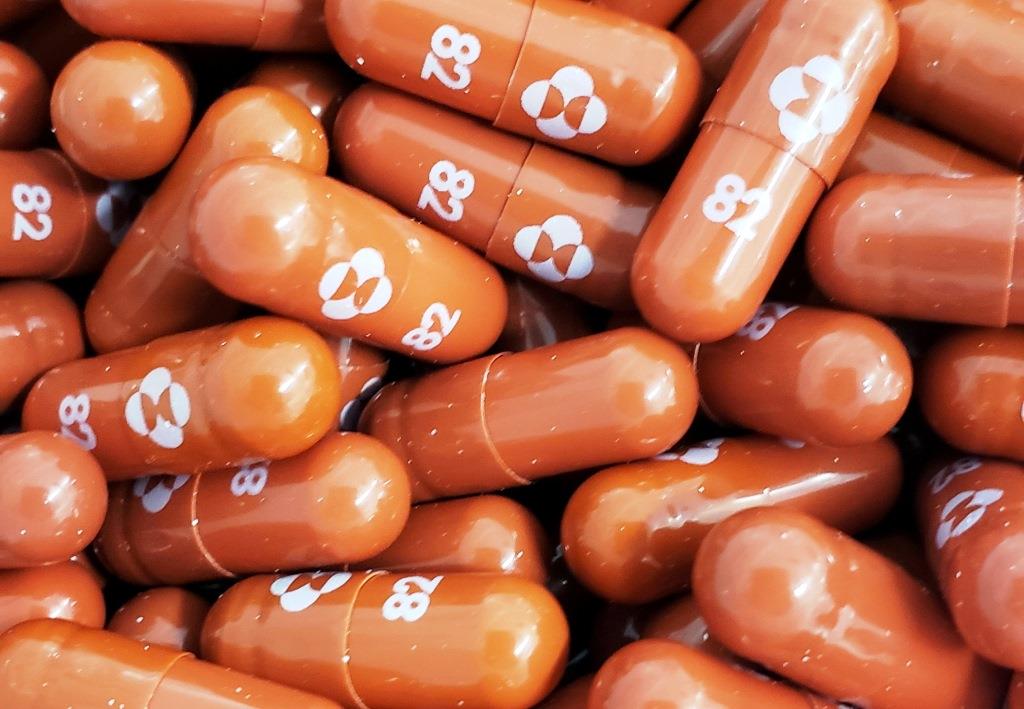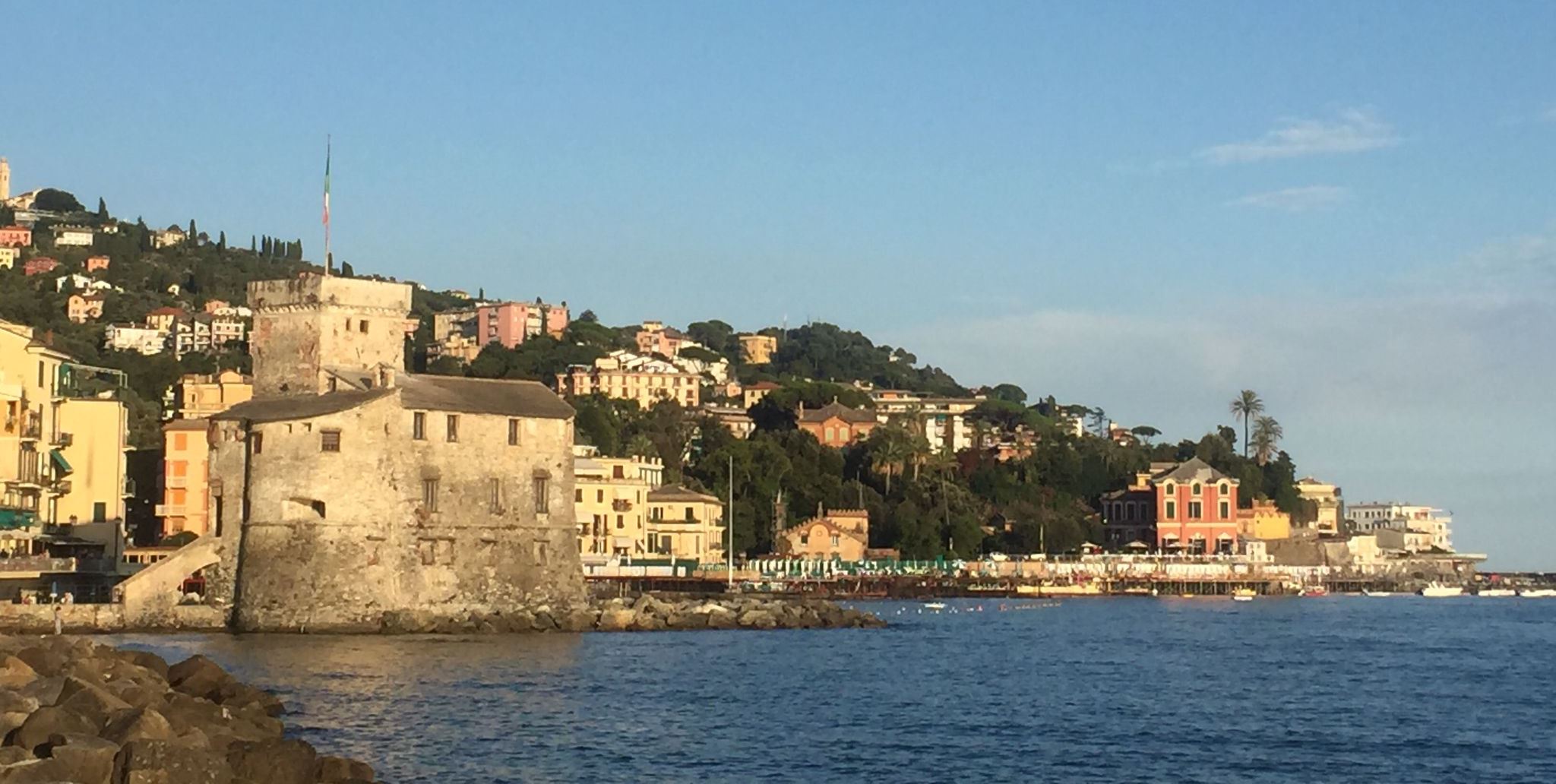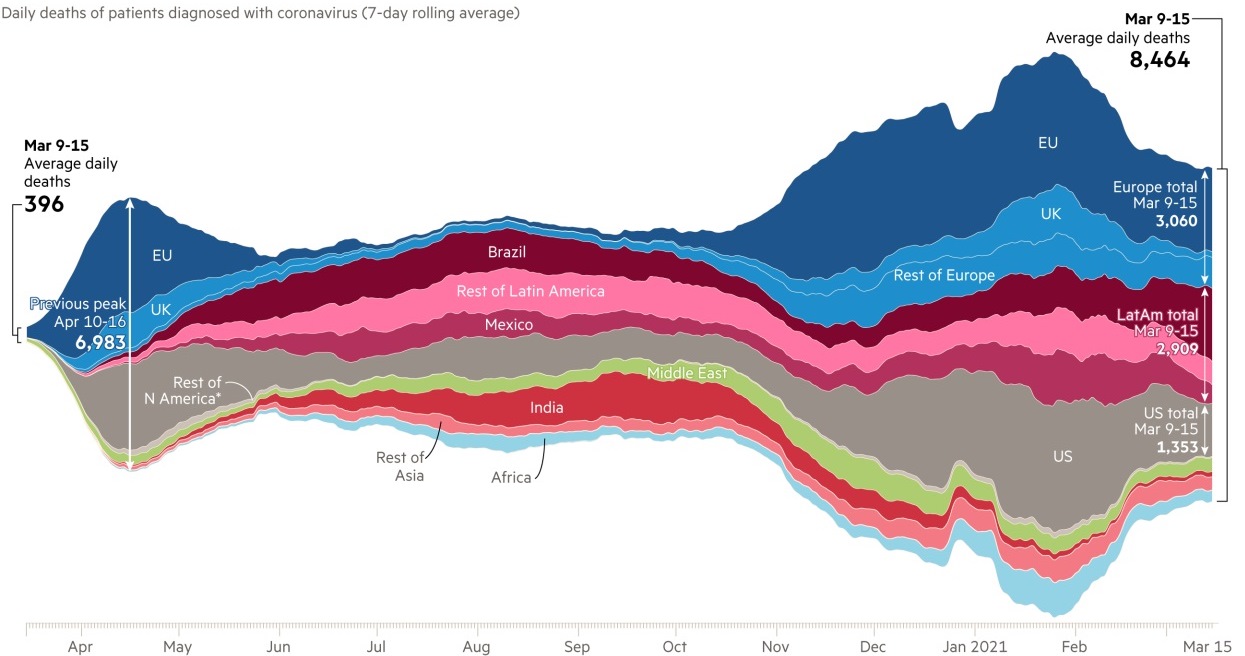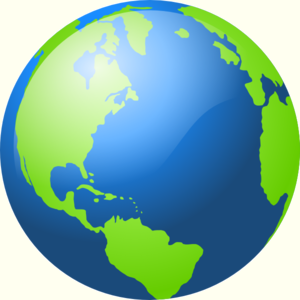 Climate Blog UK Climate Blog UK  |
||||||||||||||||||||||||||||
| with | ||||||||||||||||||||||||||||
| Comment | Opinion | Questions | ||||||||||||||||||||||||||||
|
|
||||||||||||||||||||||||||||
|
[Entries are in reverse date order, newest at the top. Comments and contributions are welcome, to the email address at the bottom.] |
||||||||||||||||||||||||||||
| 2026202520242023202220212020 | ||||||||||||||||||||||||||||
|
Saturday 25th December |
||||||||||||||||||||||||||||

|
||||||||||||||||||||||||||||
|
Friday 24th December |
||||||||||||||||||||||||||||
|
Omicron cases soaring, a further 119,789 infections recorded in the UK yesterday. 19,000 NHS staff were absent for Covid-related reasons on 19 December, up 54% on the previous week. 24,385,728 booster jabs had been administered by the end of Wednesday. UK research team Zoe Covid has warned that half of common colds will actually be coronavirus. Scotland's nightclubs will close for three weeks from 27 December. Israel just gave the green light to a second booster, and the UK is considering this "fourth dose".
Who's going to win the race? Listen to radio commentary of the Irish Christmas Covid Handicap Hurdle: |
||||||||||||||||||||||||||||
|
Thursday 23rd December |
||||||||||||||||||||||||||||
As I reported ten days ago, we postponed our annual old friends' dinner in deference to Omicron. One of the traditions is that my friend Mark draws cards for everybody and hands them out after the meal. Always the same format. I have a collection going back more than 40 years. This time he has sent them by post.
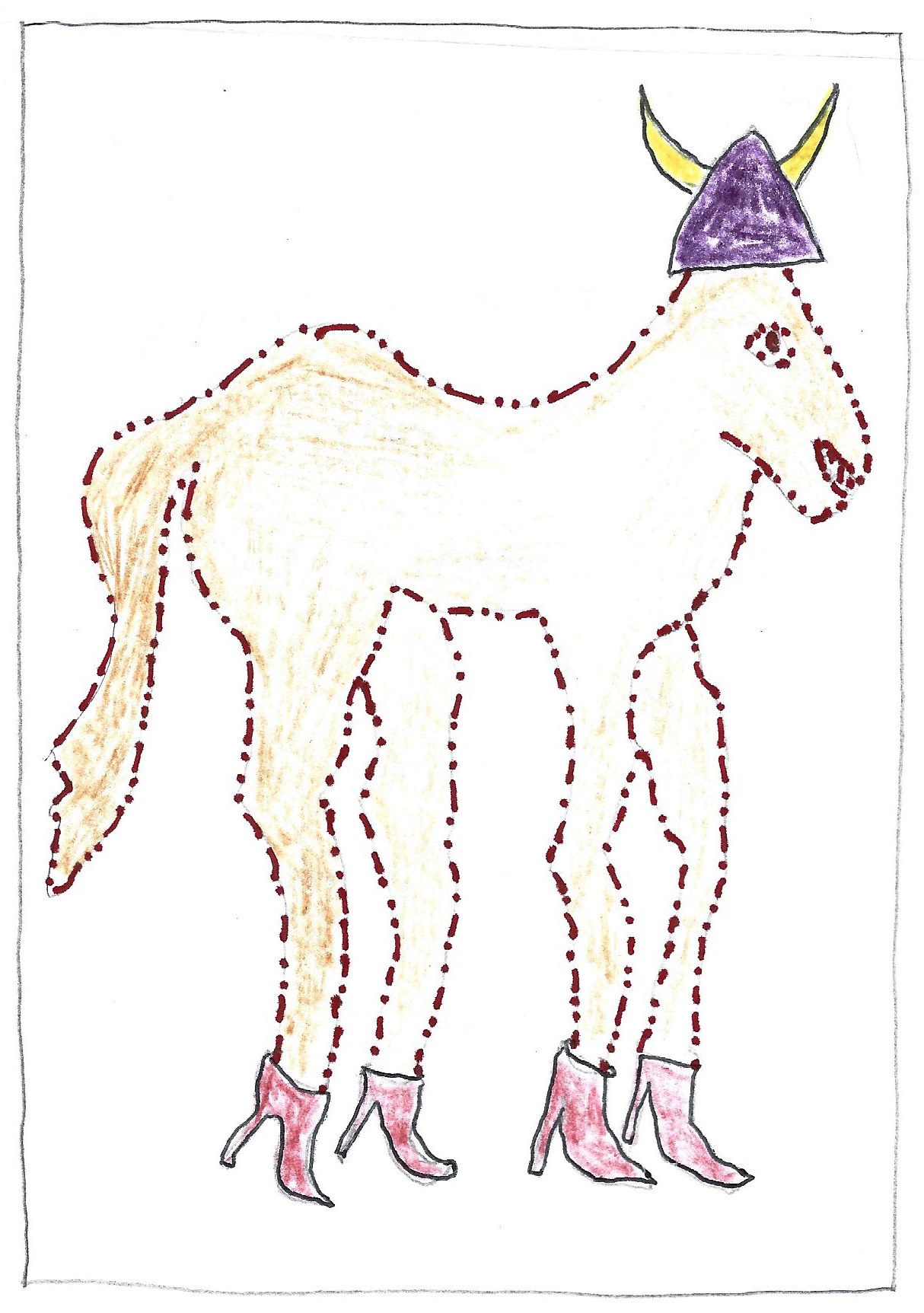
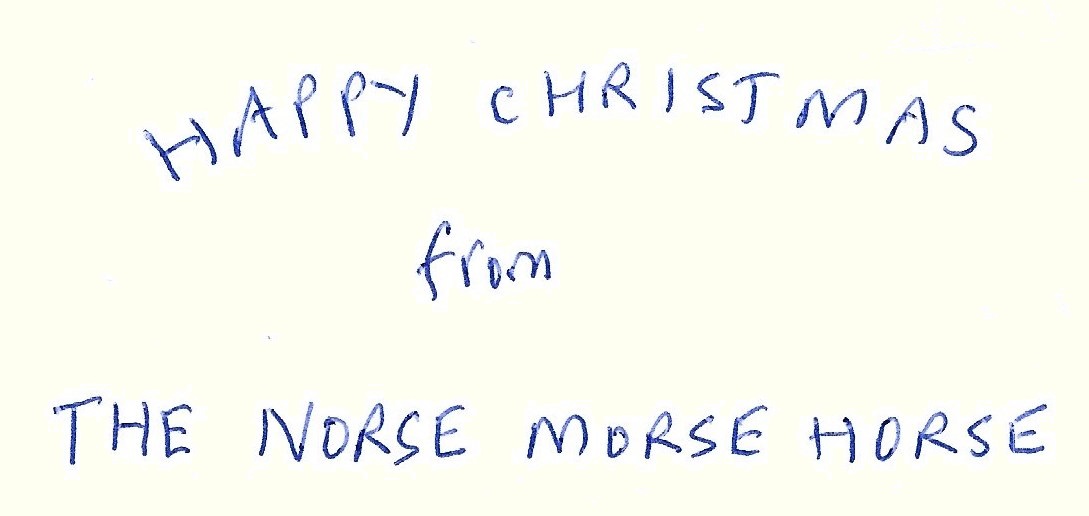


Talking of Omicron, there is what Dr. Jim McMenamin, the national Covid-19 incident director at Public Health Scotland, described as a "qualified good news story", namely a roughly two-thirds reduction on his patch in the number of infected needing hospital care. A preliminary report from South Africa showed people were 70-80% less likely to need hospital treatment. An analysis by Imperial College London suggests Omicron's mutations have made it a milder virus than Delta. The chances of turning up at A&E would be 11% lower with Omicron than Delta if you had no prior immunity. Accounting for immunity in the population meant a 25% to 30% lower risk of visiting A&E with Omicron and about a 40% reduction in needing to stay in hospital for more than a day. Imperial's Professor Neil Ferguson said: "It is clearly good news, to a degree." The flip side for the NHS is that the number of cases - 106,122 on Wednesday - will still put pressure on the service; a lower proportion of admissions, but out of greater overall case volumes. Here are two reports: the first led by Neil Ferguson, MRC Centre for Global Infectious Disease Analysis, Jameel Institute, Imperial College, London (12 pages) |
||||||||||||||||||||||||||||
|
Wednesday 22nd December |
||||||||||||||||||||||||||||
At the beginning of this year I said that I was hunting for humour on the Internet to alleviate the pervading pandemic despondency. My old mates have, with the same intent, been posting bad jokes on our WhatsApp group. Bear with me:
Actually, it wasn't so bad. Middle Street residents were snapping away: 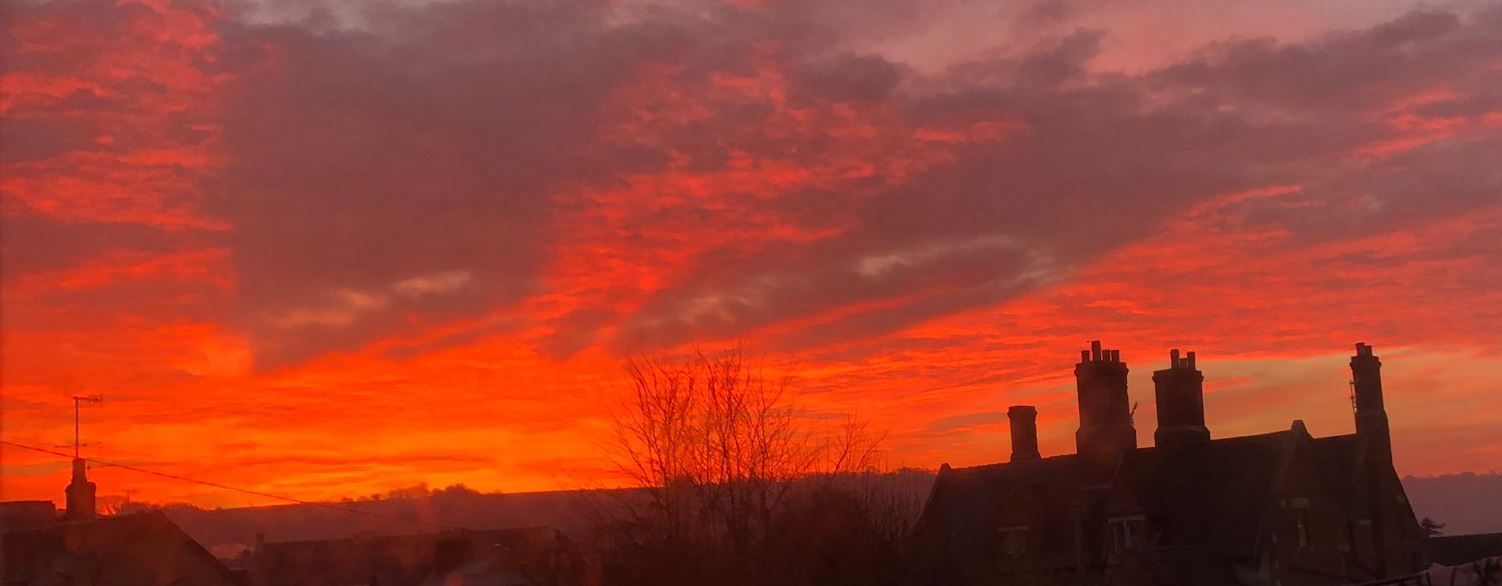
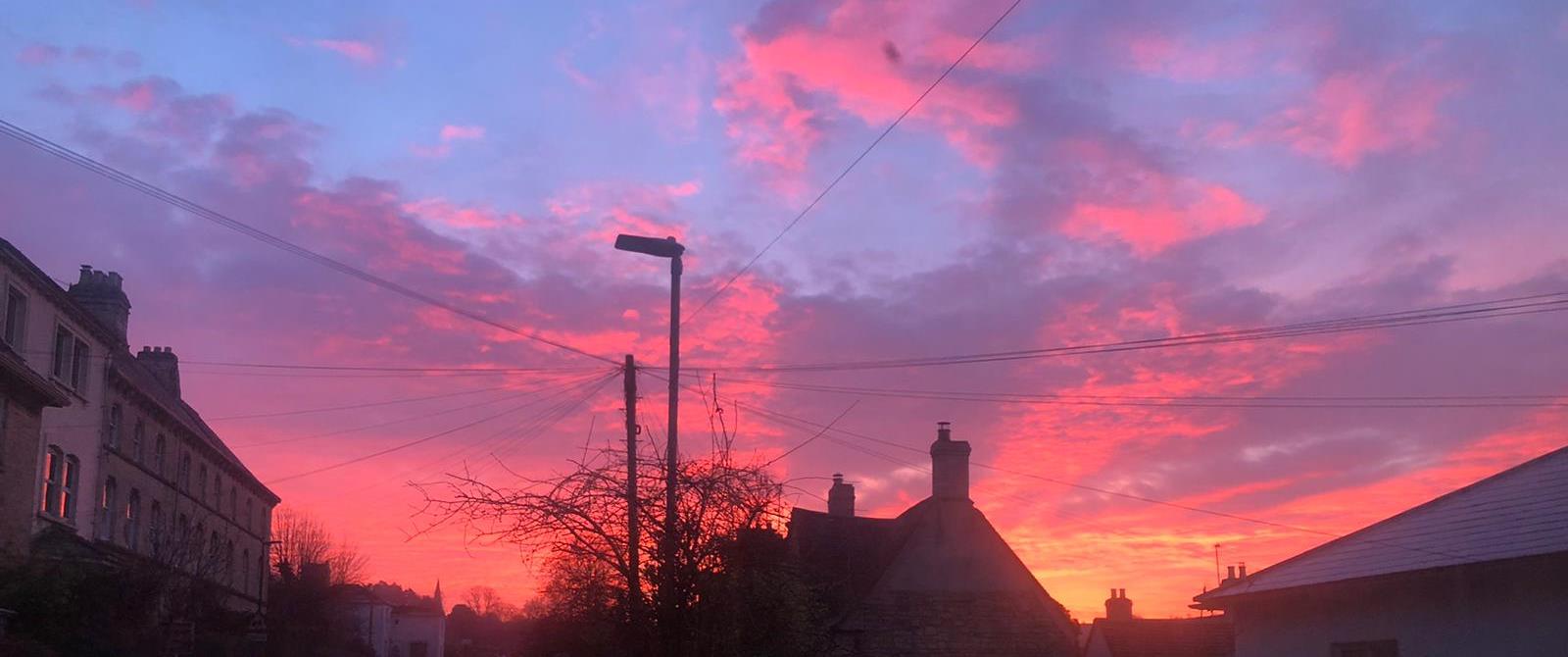
|
||||||||||||||||||||||||||||
|
Tuesday 21st December |
||||||||||||||||||||||||||||

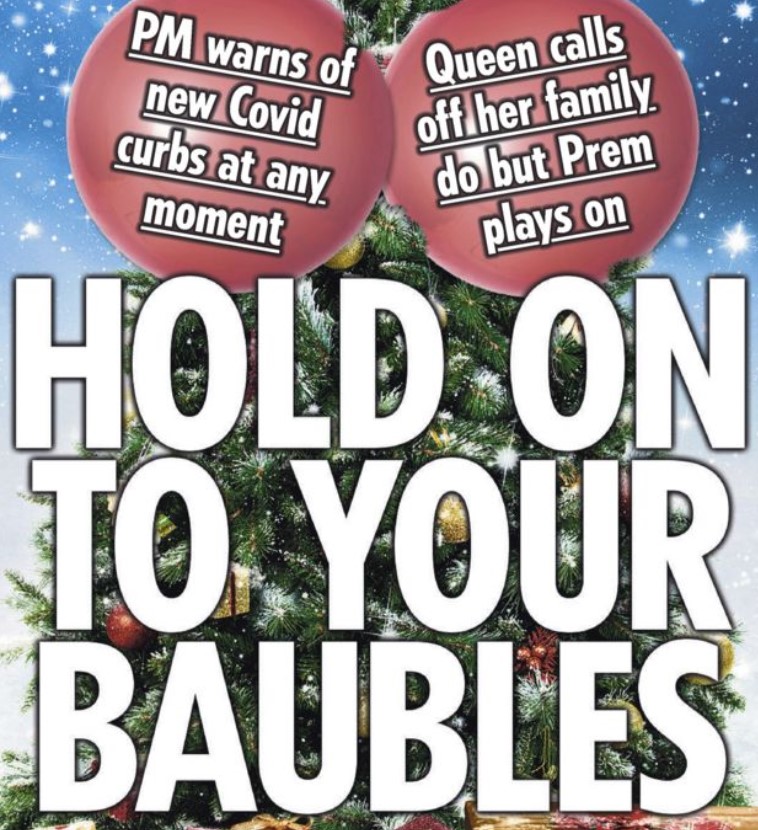

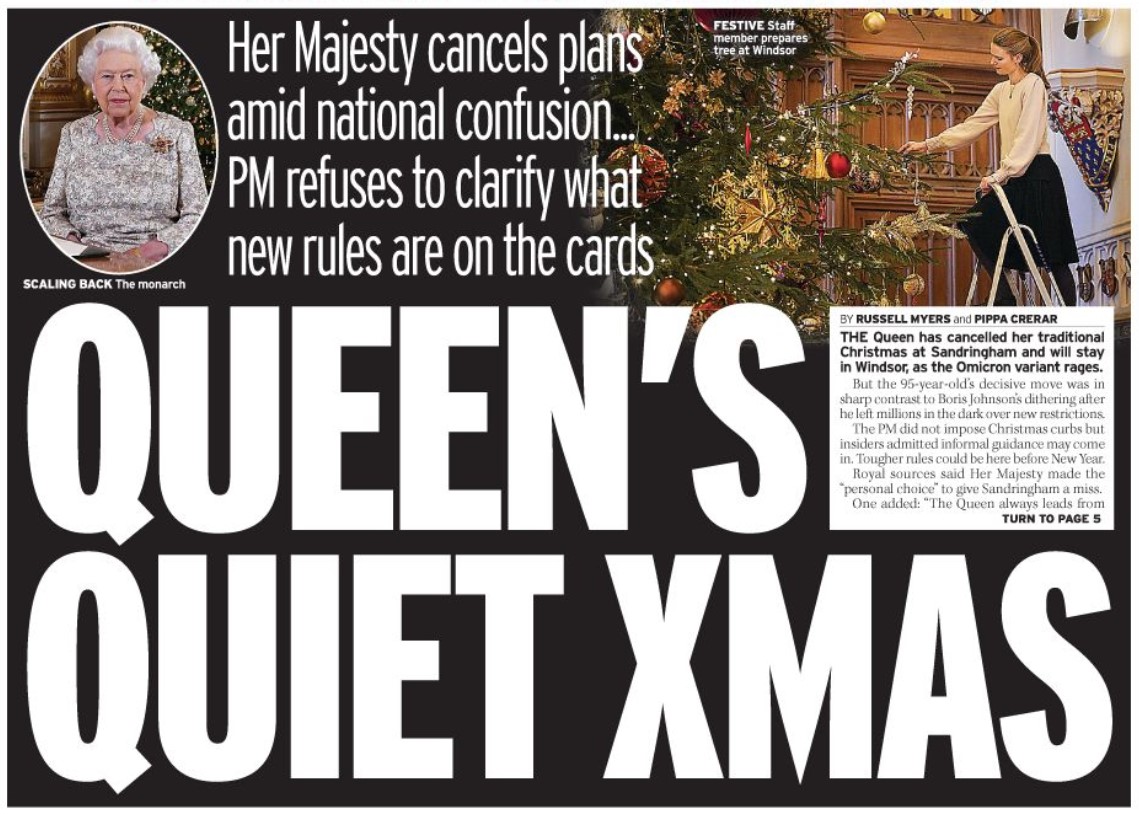


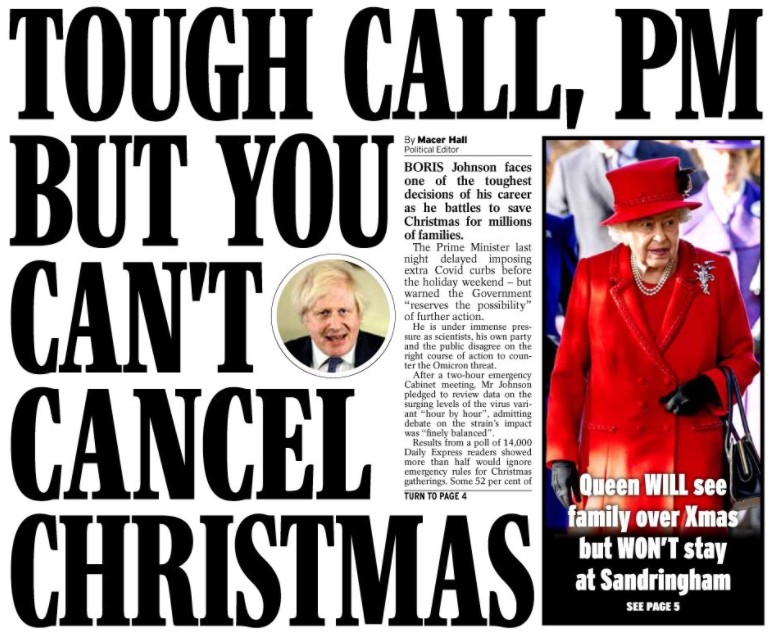
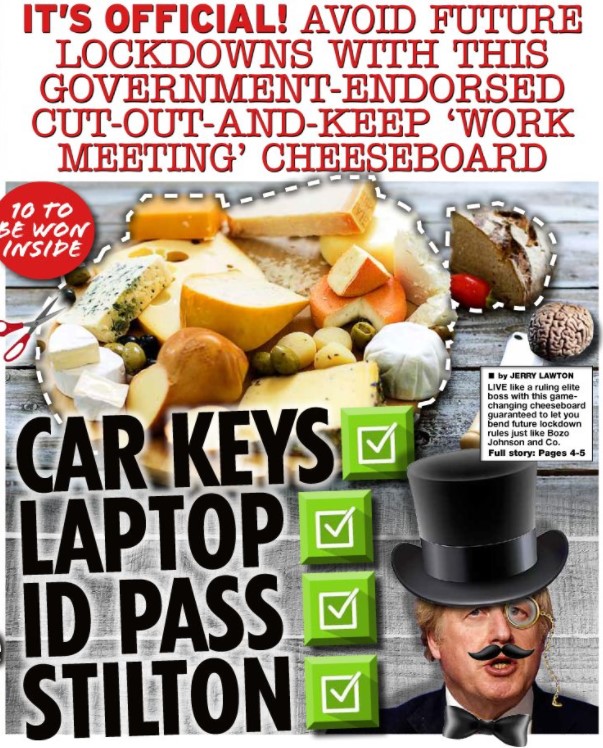
|
||||||||||||||||||||||||||||
|
Monday 20th December |
||||||||||||||||||||||||||||
My friend Chris Taylor in Italy mentioned during our telephone conversation last week that the country's prime minister Mario Draghi is popular.
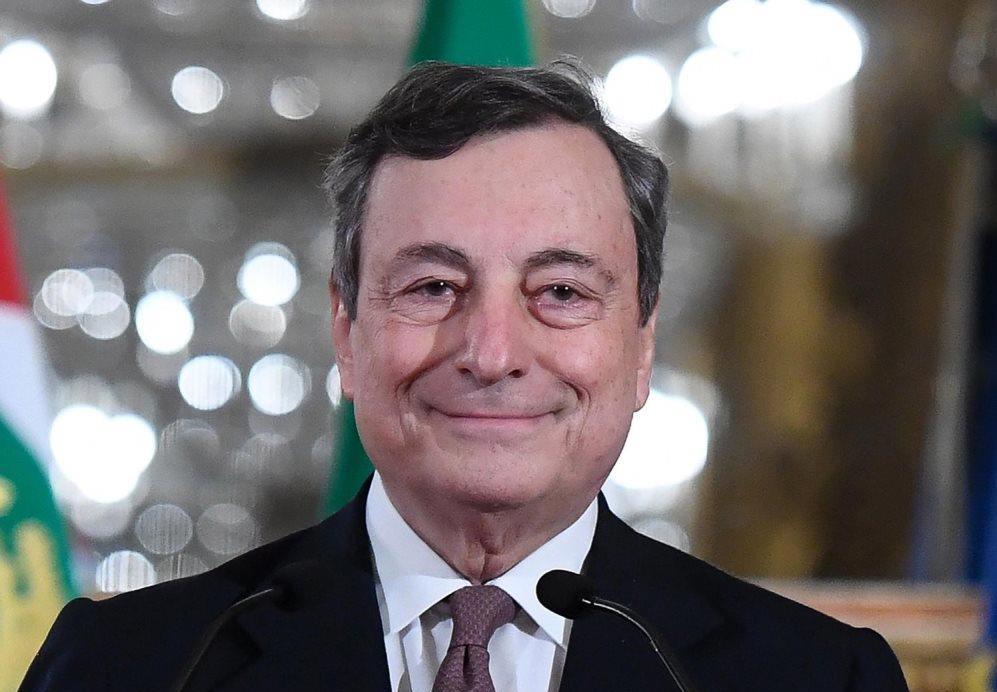
What a refreshing concept, I thought, and asked Chris for an explanation. Here's his reply: "Why is Mario Draghi popular? "He was the head of the European Central Bank, famous for saving the euro with the celebrated phrase 'whatever it takes'. "He is competent, honest, firm and respected abroad, a rare if not unique combination for an Italian politician. However, the right don't like him much because while he's in power, they are not (and they are ahead, unfortunately, in the polls). Therefore they show hypocritical support for making him President of the Republic, basically to get him out of the way. So he is the bulwark against the right, which consists of Salvini's Lega (no longer Lega Nord as he tries to widen his fan base) and the even more dreadful Giorgia Meloni and her 'Fratelli d'Italia', essentially neo-fascists who attract a dispirited section of the population hit sideways by the financial crisis and Covid. However, a significant number of people, including some right-leaners, would like to keep Draghi where he is, because they realise his importance in this period. This, however, opens up another alarming possibility: Berlusconi (you can't keep him down) now well into his eighties, is angling to become President and therefore, hypocritically, supports Draghi. "It will all unravel in the New Year [the 2022 Italian presidential election will be held in January] and we hope that Draghi's popularity will save the day. "And that's it. "Now get rid of Boris. But would that mean the rise of that dreadful Truss woman? "God save us all." Not all roses, then, but how nice to be able to say of the country's leader that he is "competent, honest, firm and respected abroad". It's a bitter irony for the French Alpine ski resorts that UK nationals have been turned away at Christmas. Before the pandemic one in four visitors to Chamonix in this bumper revenue period was a Brit. And it's the best early season snow for years. 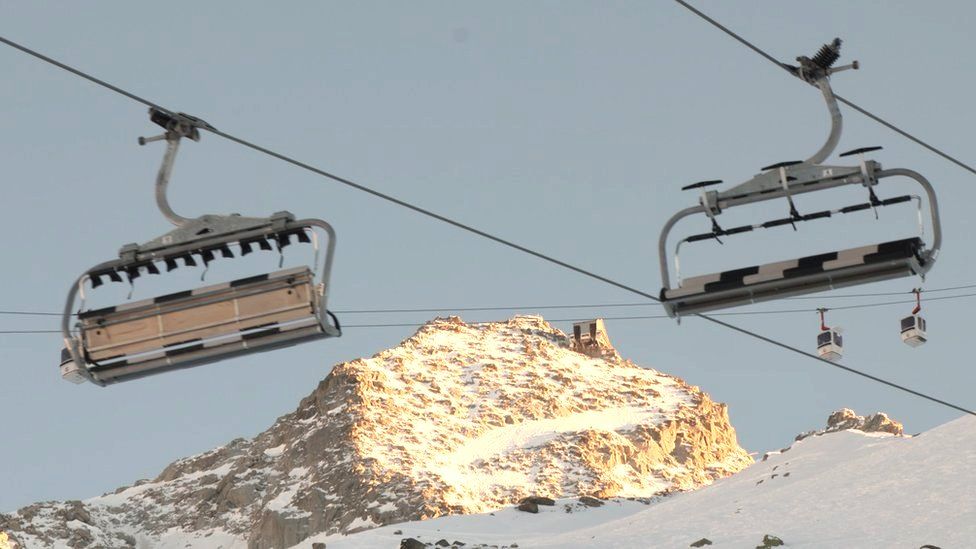
OMICRON and MACRON, pretty close, eh? While we're on matters European ... 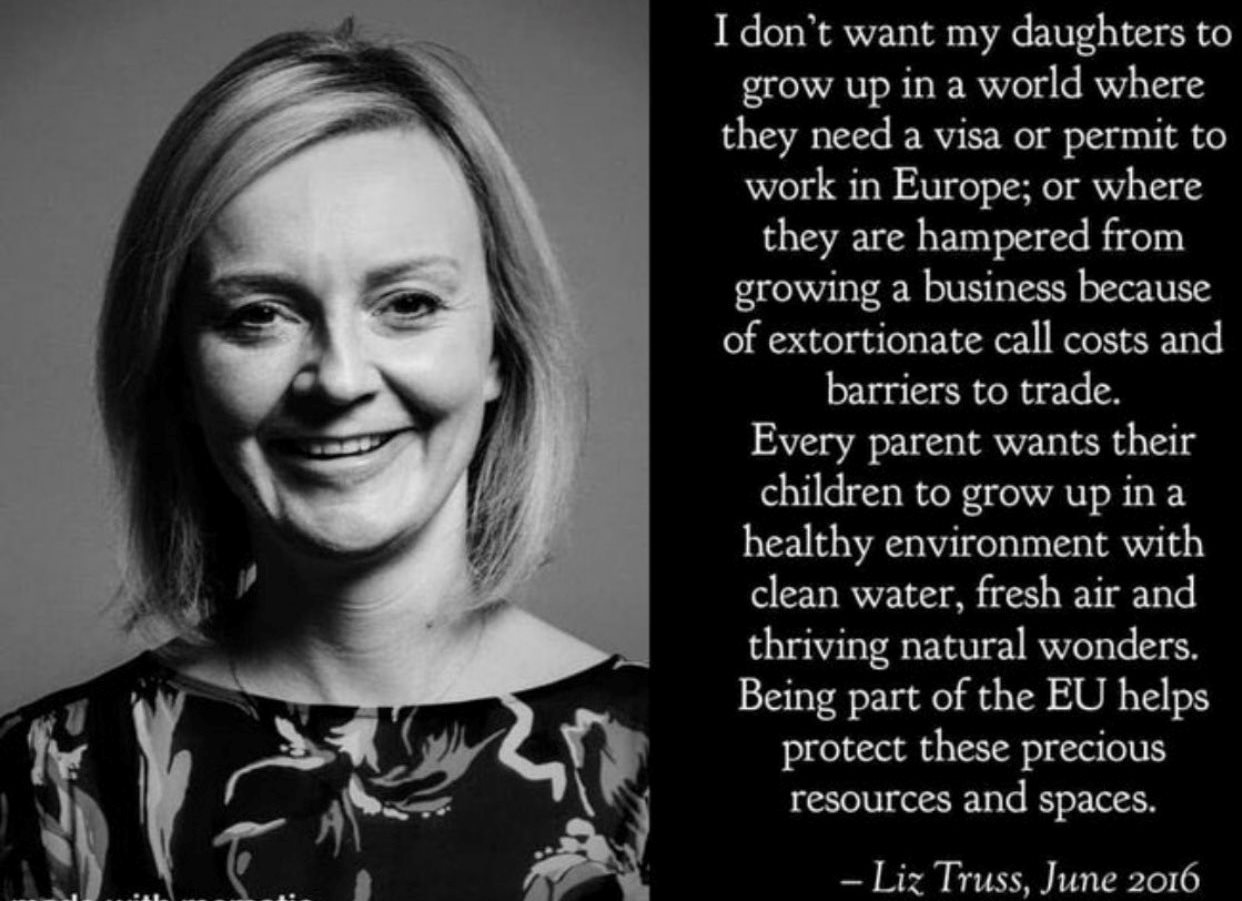
|
||||||||||||||||||||||||||||
|
Sunday 19th December |
||||||||||||||||||||||||||||
Coronavirus has emphatically returned to the centre of news coverage.
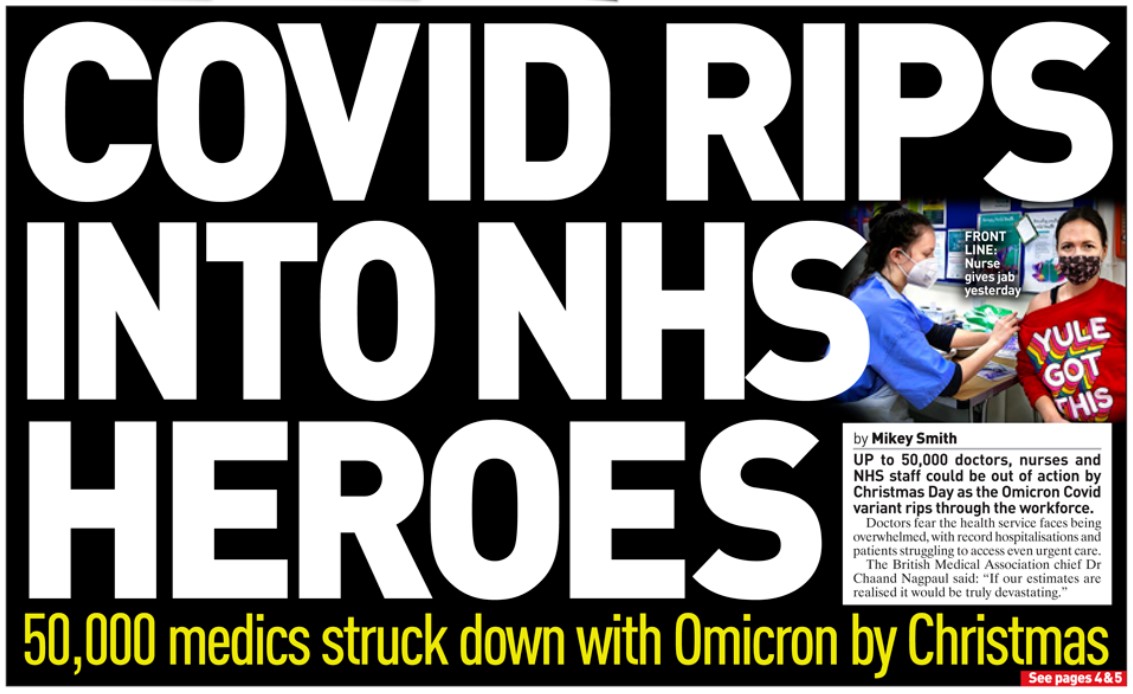
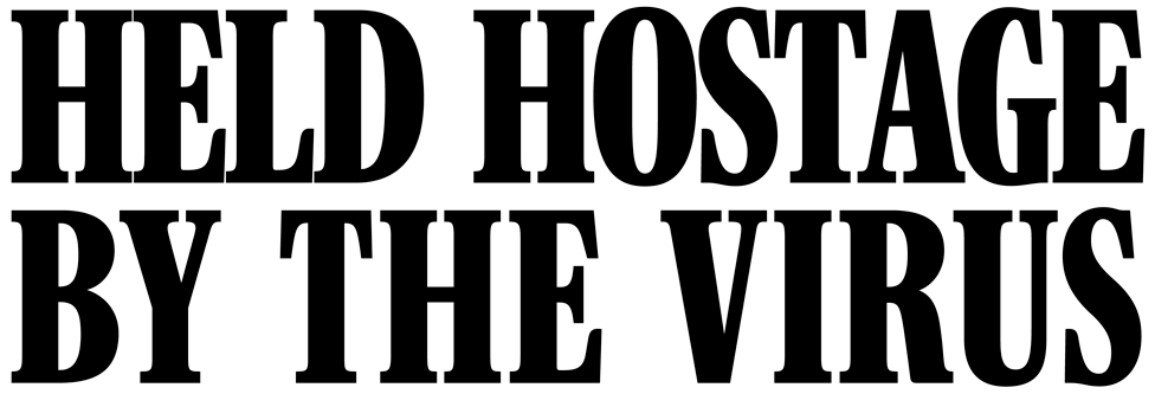

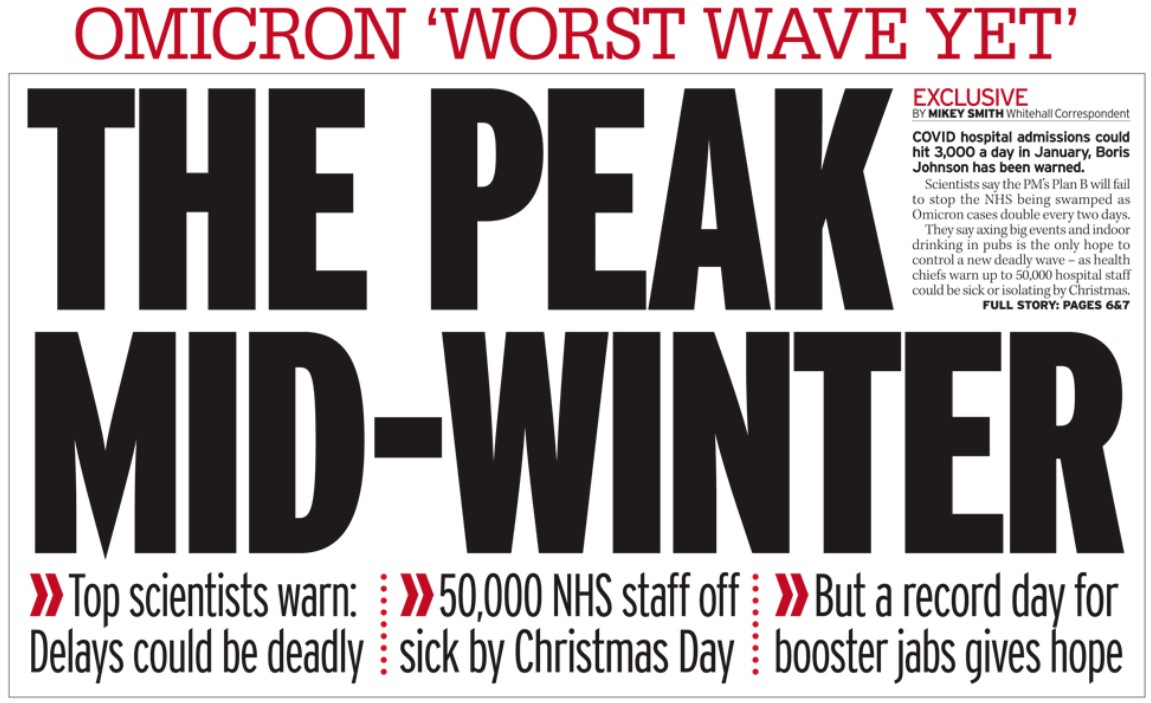
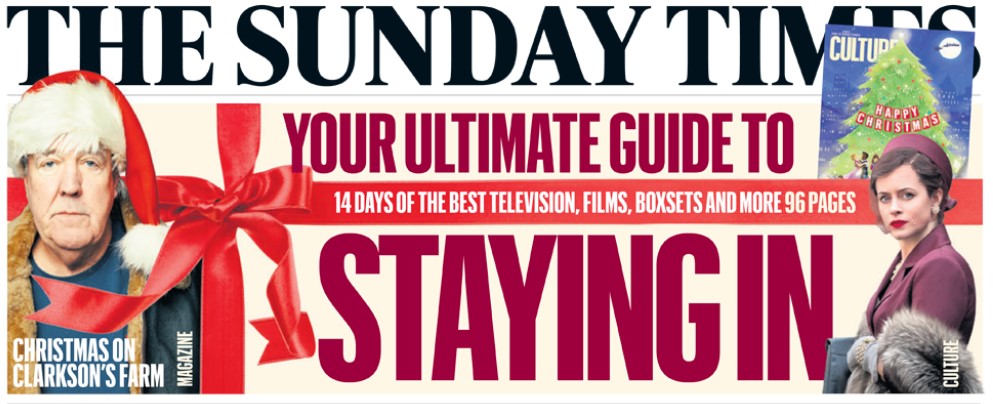
Whether you look at the new Covid infections as raw cases or per-100k numbers, we're out in front. Click to enlarge each FT/Johns Hopkins chart spanning the last calendar year for the UK and selected neighbours. 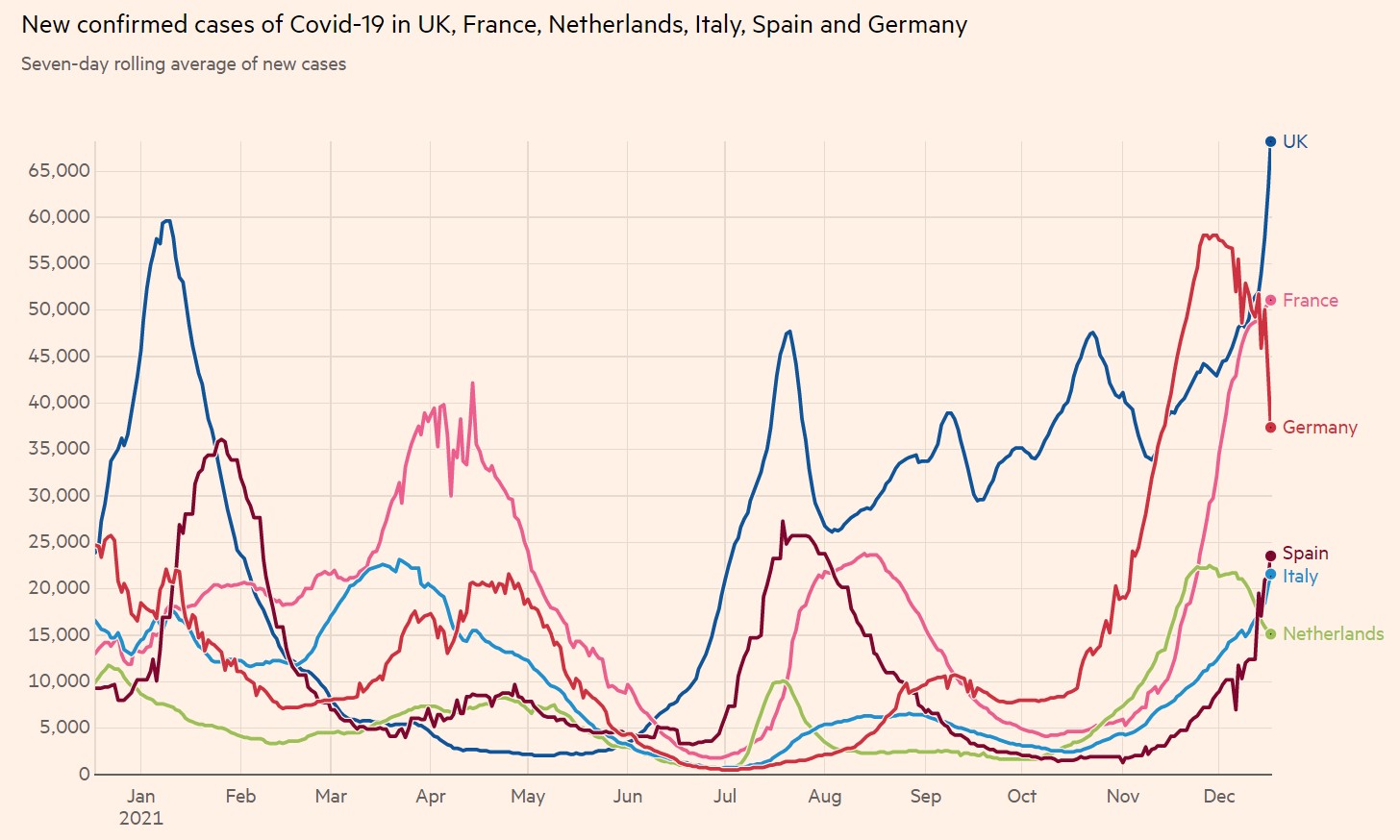
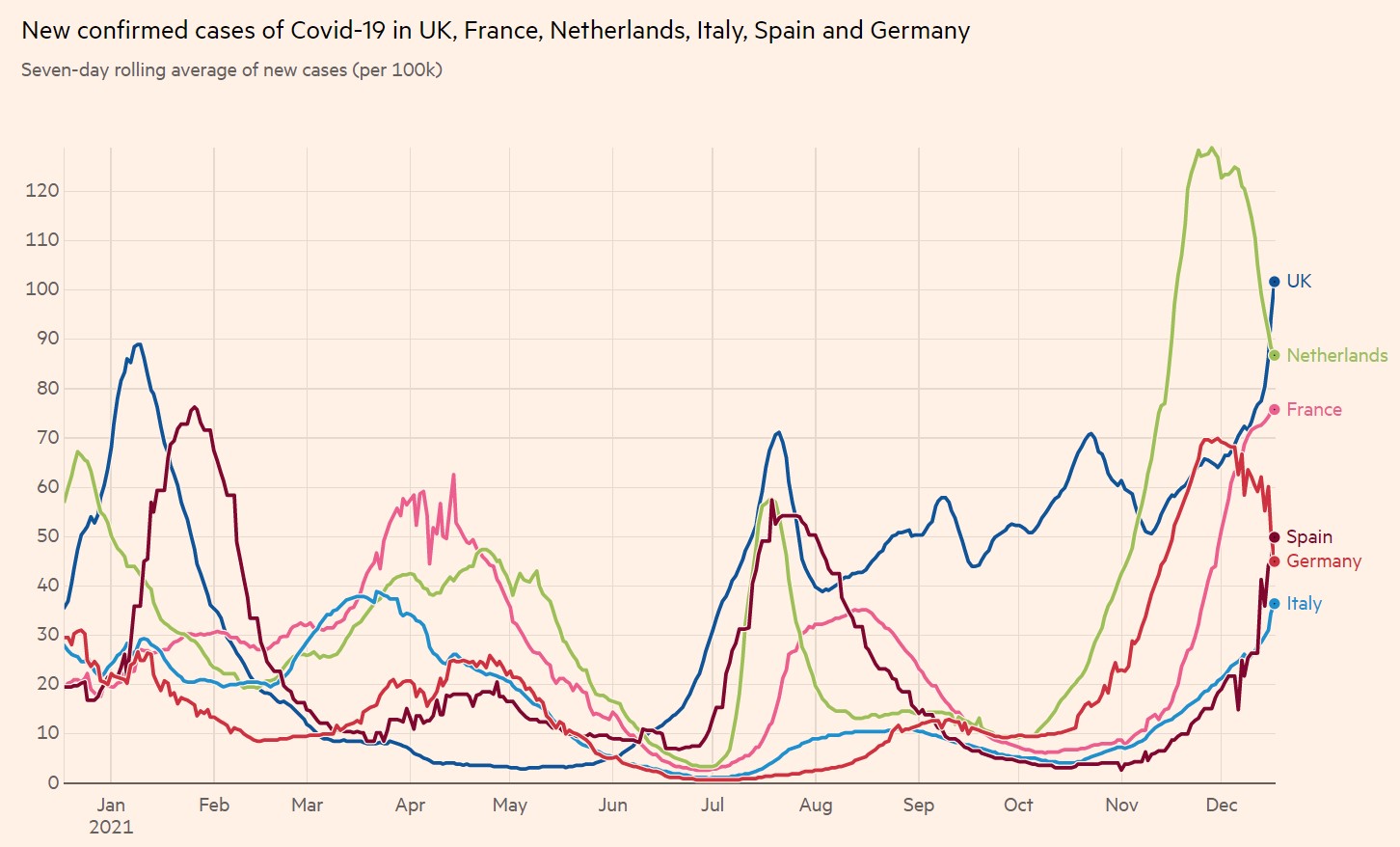
In both views the UK figures exceed those of last winter's peak. We're seen as a danger. Both France and Germany have imposed restrictions on UK travellers. It's affecting our family and friends. Son Nikko is - at the moment - planning to join us for Christmas from Vienna, but he's not bringing his 3-year-old daughter; he and his Austrian partner deem it too risky. My friend Chris and his wife Daniela in Udine, Italy, have postponed their trip to London to spend the holiday with daughter Stephie. The Netherlands is returning to stringent lockdown despite experiencing a recent downward trajectory. We're not - yet. "Personal responsibility" rules - but for how long? There is that now familiar big difference from last winter for all the six countries shown above, namely related fatalities. Per 100k, the UK is actually fifth out of the six. Two days ago the death tally was less than 1/10th of the total on 23rd January. 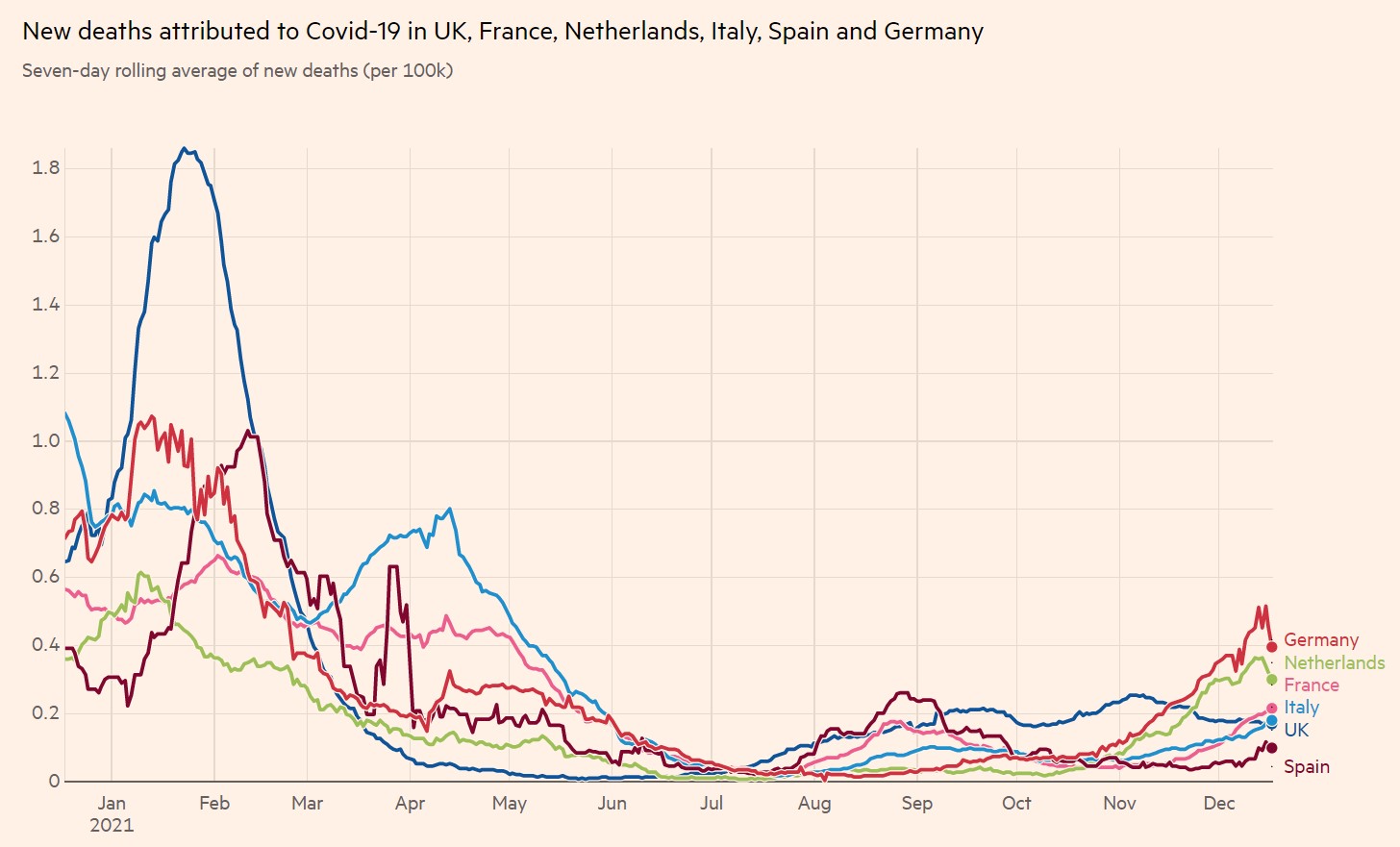
We still haven't had the full analysis of the potency of Omicron back from the scientists. Highly transmissible, yes, but how deadly? The current perceived threat is a rising level of hospital admissions and consequent pressure on the NHS. The gloom persists. The nation has had to rely on Rose to lift the spirits - and Giovanni, of course, who does the lifting: 
|
||||||||||||||||||||||||||||
|
Saturday 18th December |
||||||||||||||||||||||||||||
|
Will the NHS be able to honour Boris's booster pledge by 31st December?
What is the promise? There has been confusion. Channel 4's FactCheck went in search of the truth: "On Sunday night, the Prime Minister said in his televised address that 'everyone eligible aged 18 and over in England will have the chance to get their booster before the New Year.' "But within hours, there was speculation that what he actually meant was that people would be able to book a vaccine appointment by the end of the month. "Then came a press release from NHS England: 'The NHS vaccination programme will offer every adult the chance to book a COVID-19 booster vaccine by the end of the year.' Some commentators took this as proof that the commitment was much less ambitious than the Prime Minister had made out." FactCheck followed up: "Finally, we asked the Department of Health to confirm whether 'the government's target is that by the end of December every adult will have been able to receive a booster vaccination if they want one.' "A spokesperson told FactCheck: 'That's right.'" I thought I'd look at the booster numbers reported by the NHS. My source of vaccination data is the National Immunisation Management System (NIMS) database. The population figure is from the Office for National Statistics (ONS) mid-year 2020 estimates. The NHS has published weekly vaccination progress spreadsheets since 11th January 2021. The latest includes statistics up to and including 15th December. By last Wednesday night 21,339,420 booster jabs had been given. That's 48% of the 18+ UK population of 44,456,850. From Thursday morning onwards there were 16 days remaining in the year to deliver the target. That left 23,117,430 over-18s still to be boosted. No chance, I thought, this is another of Boris's promises. The number of people to boost every day - let's call it the B number; we got used to the R number last year - will grow exponentially as the daily target (initially) of over 1.4 million is missed. But there's a crucial catch or wrinkle - for the recognition of which I am indebted to my friend Fod, aka Anxious of Amberley. It's in one word of Boris's pledge - "eligible". You must have received your 2nd jab three months - reduced from six - before you are offered a booster. To creep in before 31st December, that means by 1st October, or just before. This drops the still-to-be-boosted total to 15,935,071 and the B number to 995,941. Last night Boris posted the triumphant tweet: 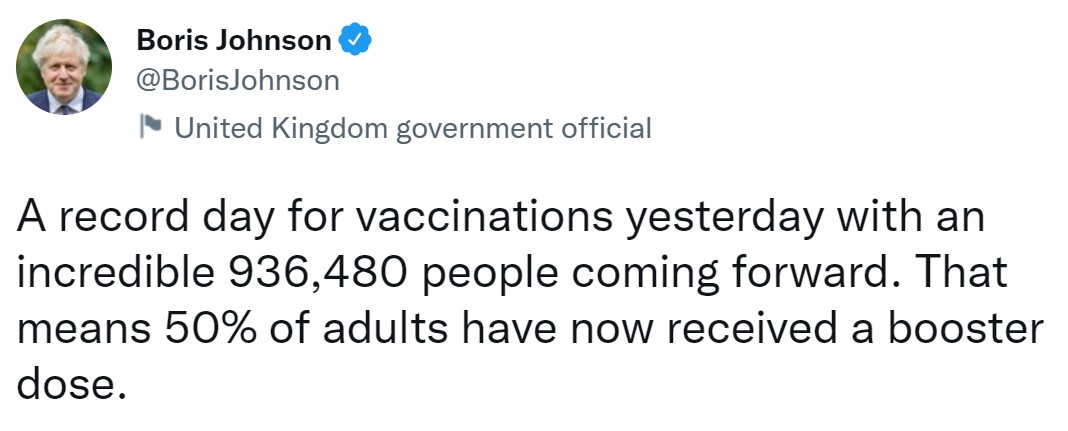
It looks like he will make it. Not "every adult will have been able to receive a booster vaccination", but those over-18s who qualify. I doubt that Boris himself worked this out. He must have had an adviser handy with a spreadsheet, when he/she wasn't at a party. There will of course be a natural shortfall on this target, covered in the phrase "the chance to get their booster" - in FactCheck's words "if they want one". 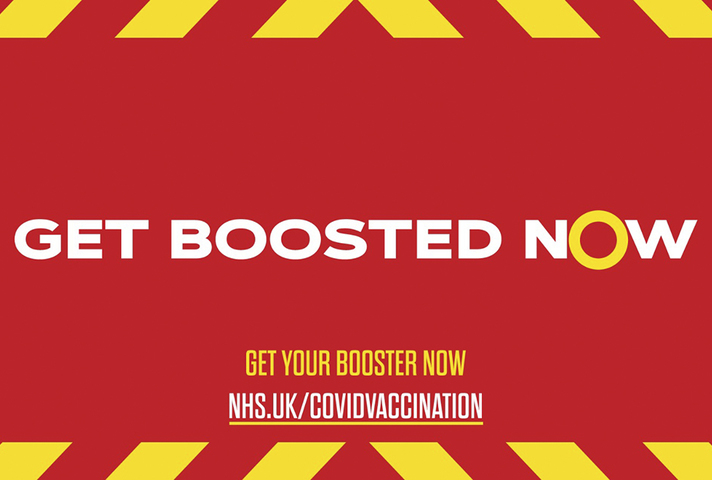
Not everyone will come forward. We're still abiding by the mantra of "personal responsibility". |
||||||||||||||||||||||||||||
|
Friday 17th December |
||||||||||||||||||||||||||||
88,376 daily infections were confirmed yesterday. The previous record was 59,660 on 9th January. That's 48% higher now. No wonder Boris looks peaky.
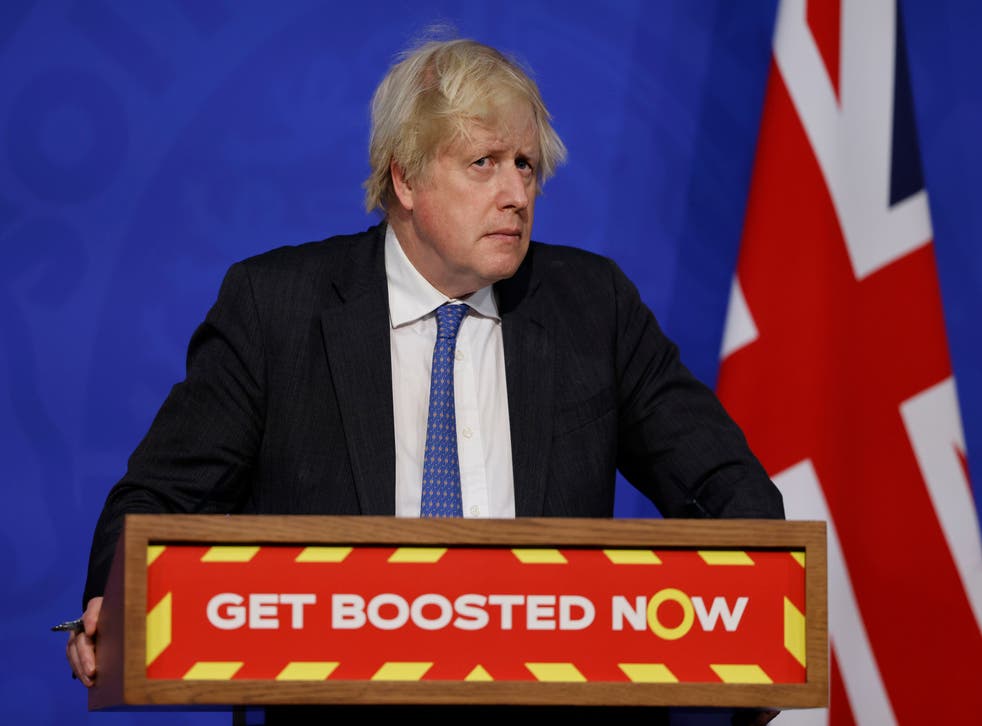
The public has responded to the call. Jab queues abound. 
There is an ironic twist as people crowd to vaccination centres - the risk of infection heightened by large gatherings. Boris is keen to encourage the taking of precautions. Here he is: More headaches for the PM in North Shropshire as Helen Morgan wins the seat for the LibDems. I rather fancied Howling Laud Hope. 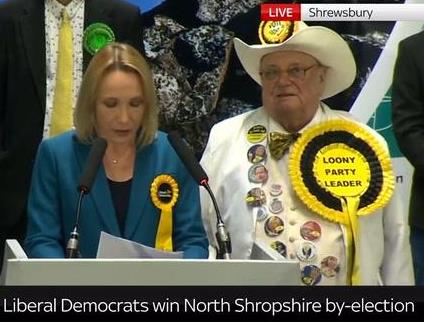

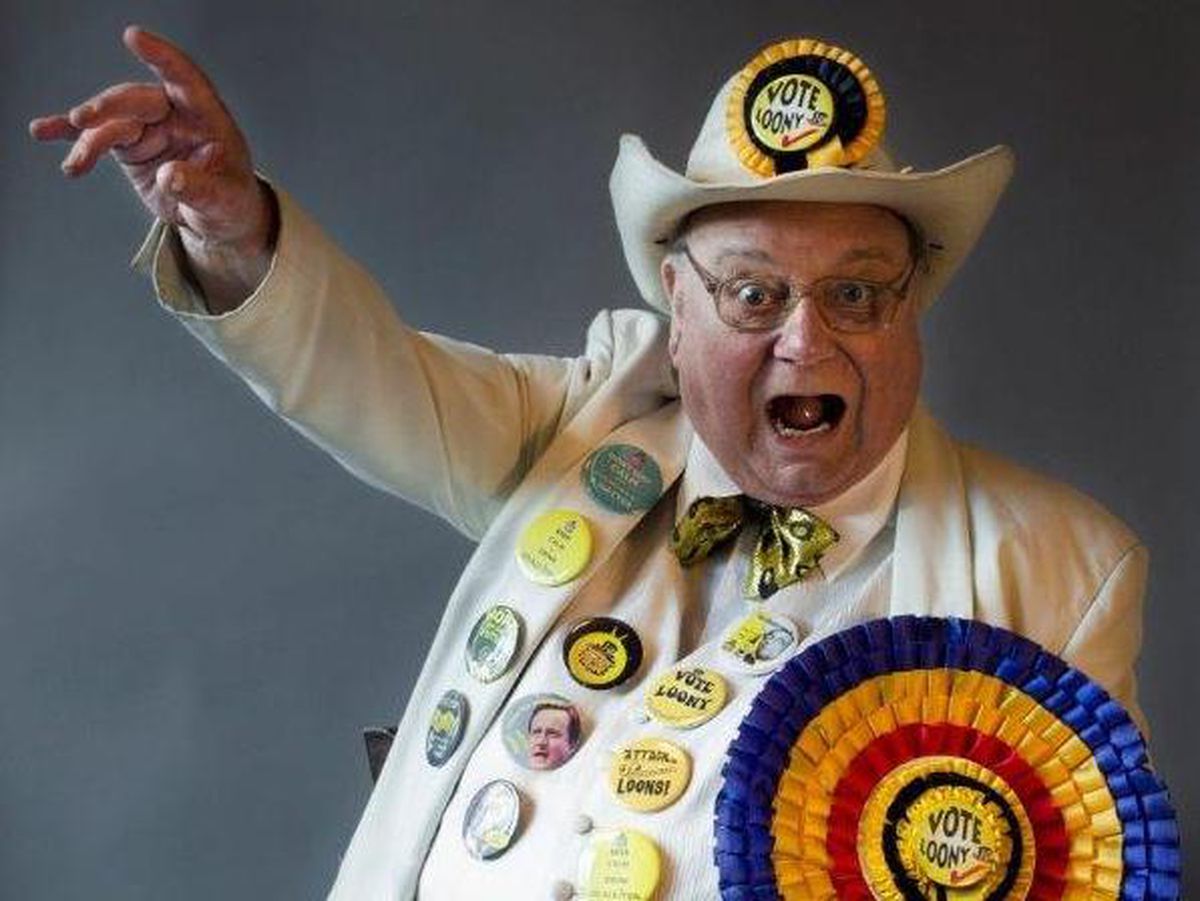
The kids love the Middle Street Advent windows: 
|
||||||||||||||||||||||||||||
|
Thursday 16th December |
||||||||||||||||||||||||||||
|
Not the most auspicious time, is it? I thought the sense of alarm was palpable - if muted for public consumption, to encourage caution not panic - at Boris's press conference yesterday evening. Omicron advances at pace. Will Christmas witness what amounts to lockdown? The three briefing presenters all indicated that they were throttling back their own celebrations. [Ed: Boris? Downing Street? Shurely shome mishtake.]
For festive cheer I'm obliged to return to the Middle Street decorations. A new Advent window every day, more to come. At least they don't involve risky social interaction. No chance of catching anything through the glass, viewed from the open air. 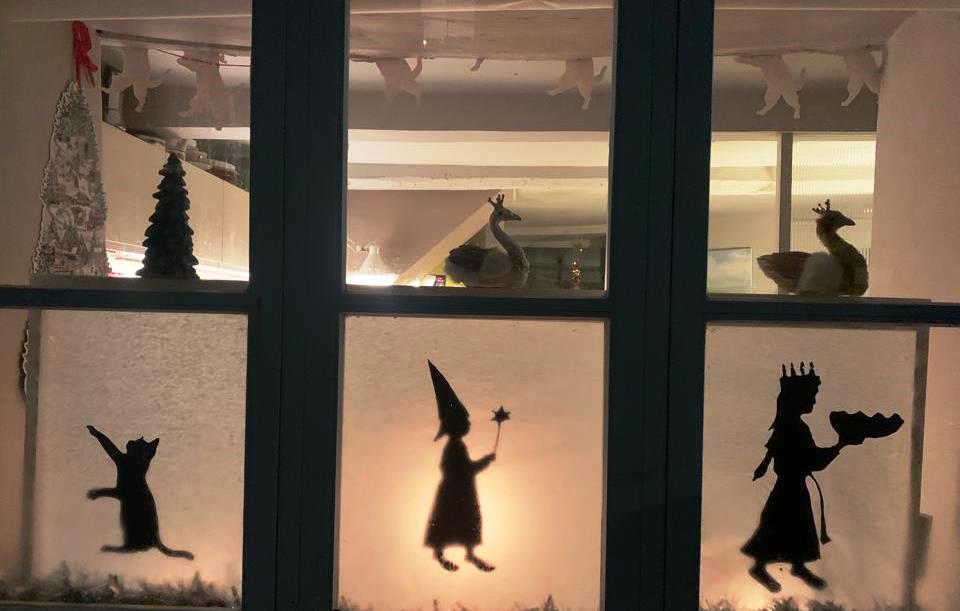

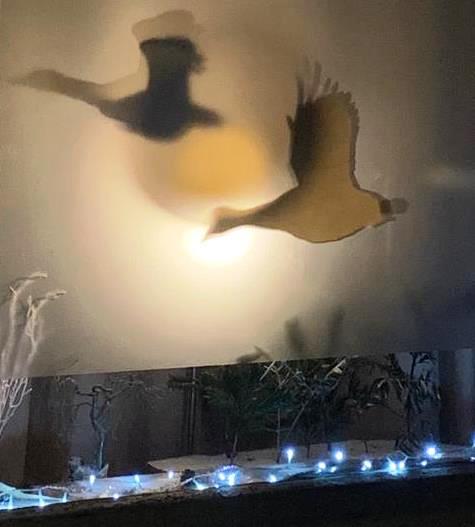


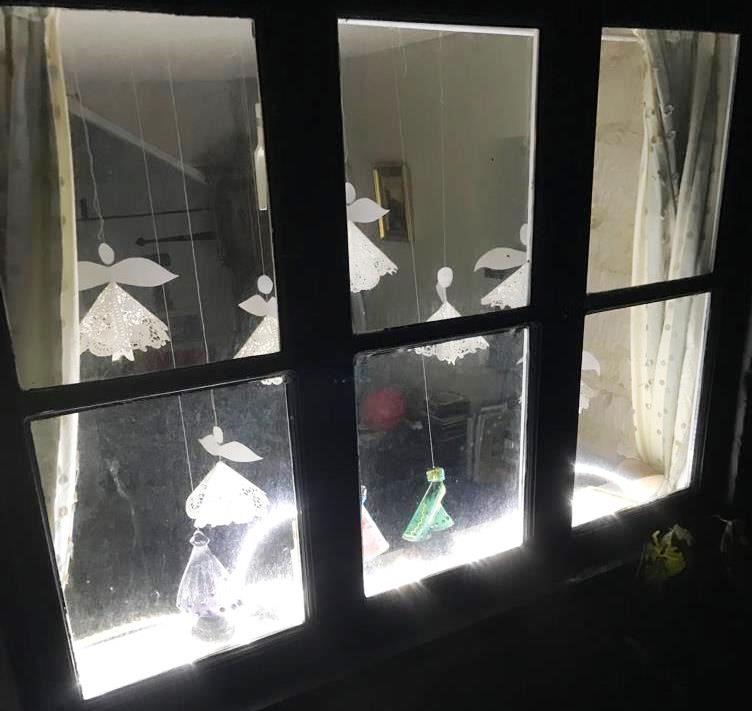
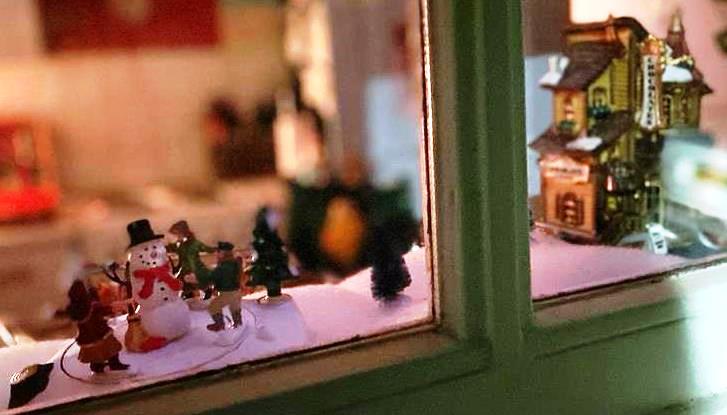
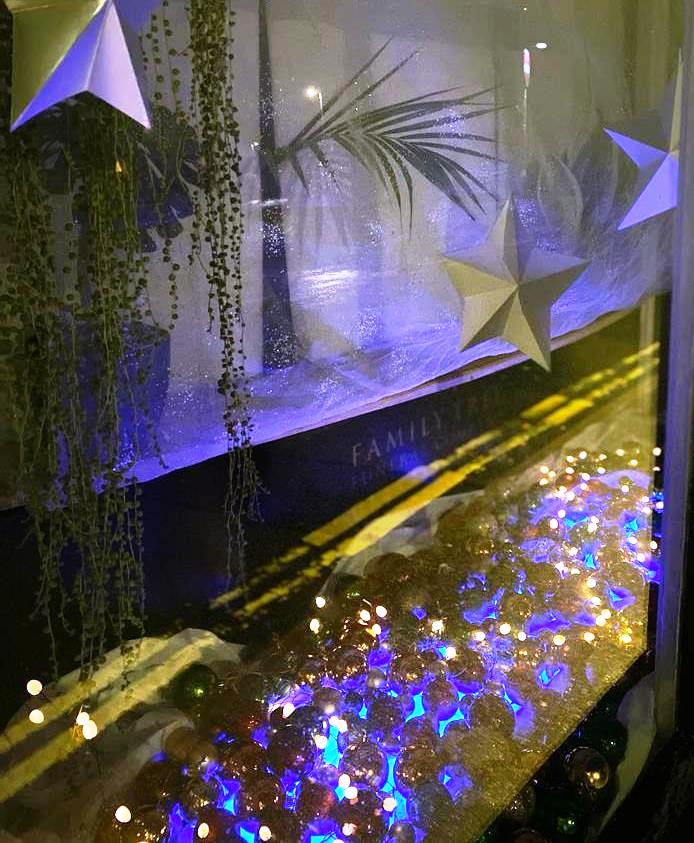

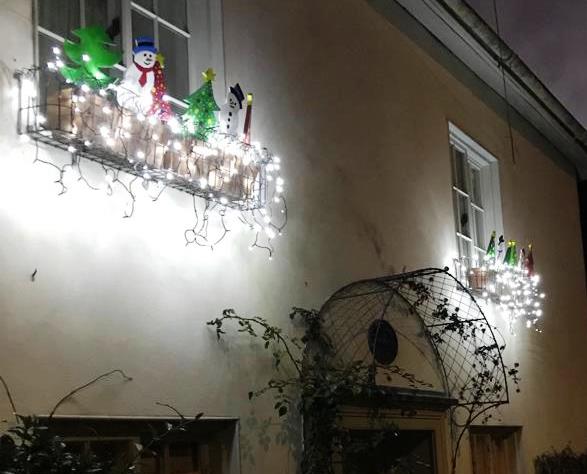
|
||||||||||||||||||||||||||||
|
Wednesday 15th December |
||||||||||||||||||||||||||||
More Twitter meltdown, this time about the now-you-see-it-now-you-don't UK red list:

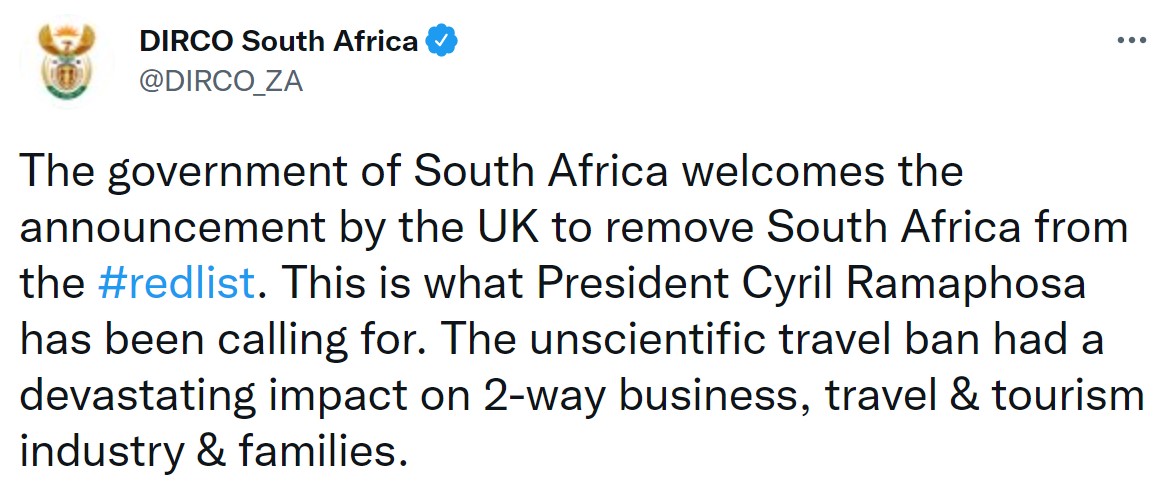
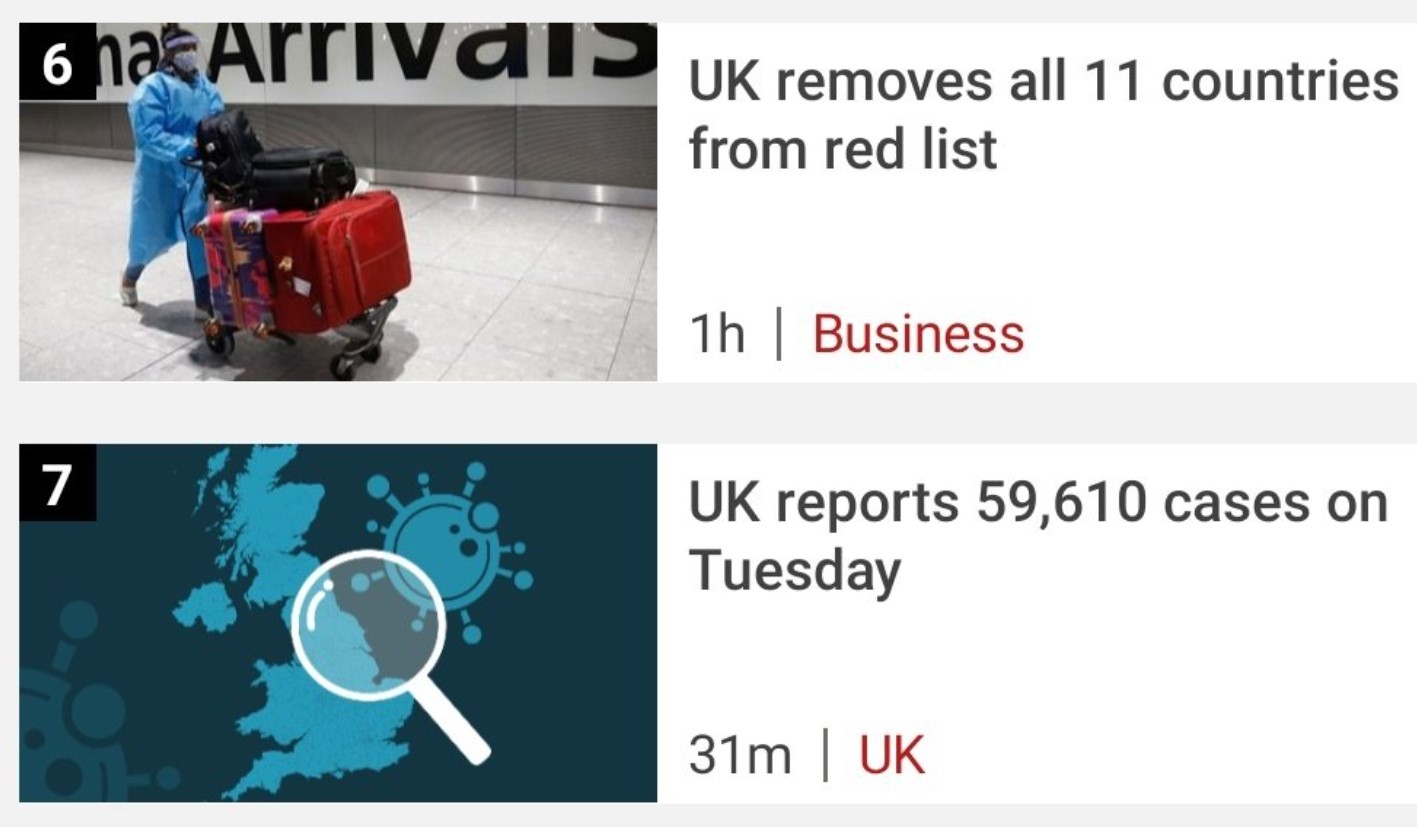
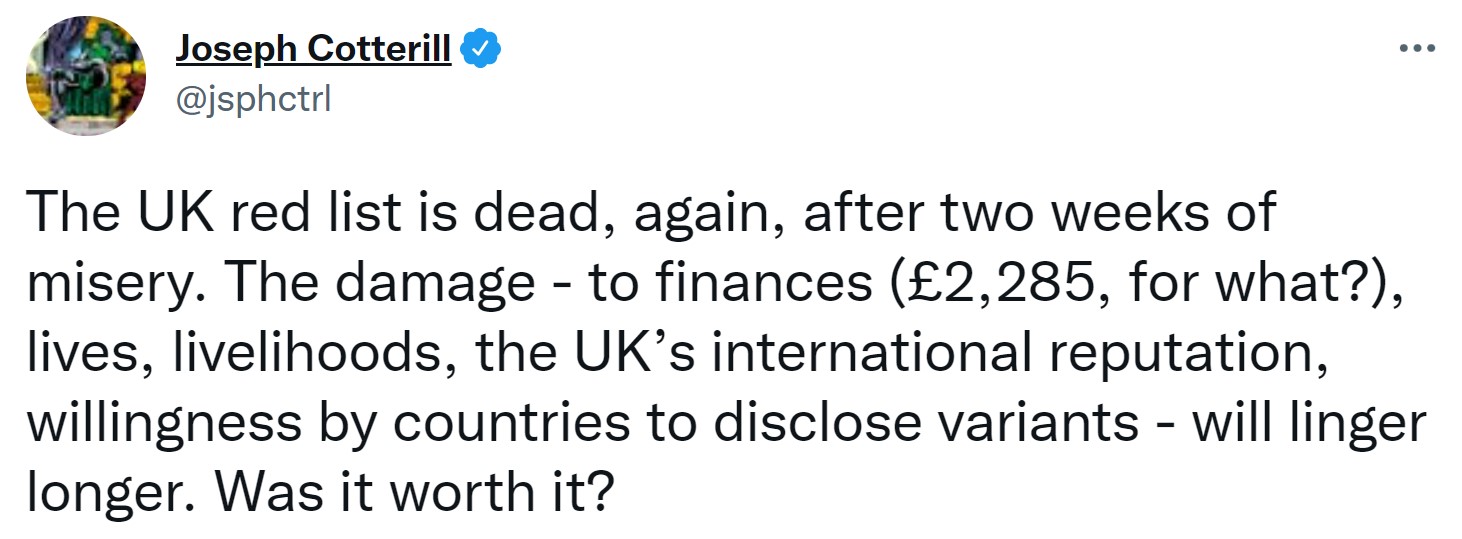
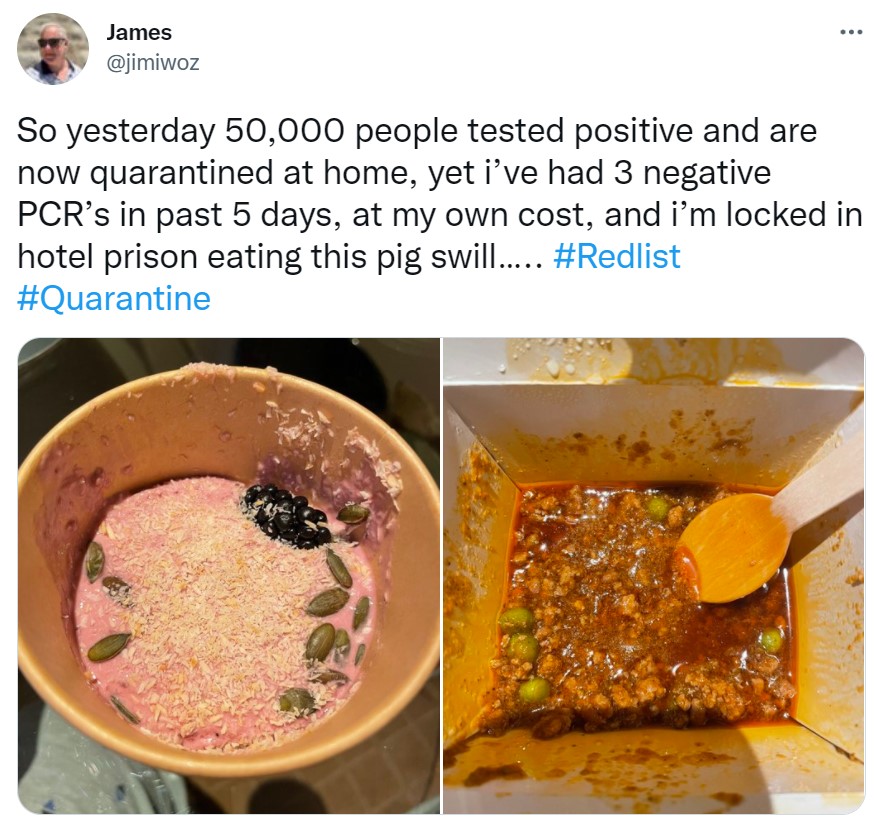
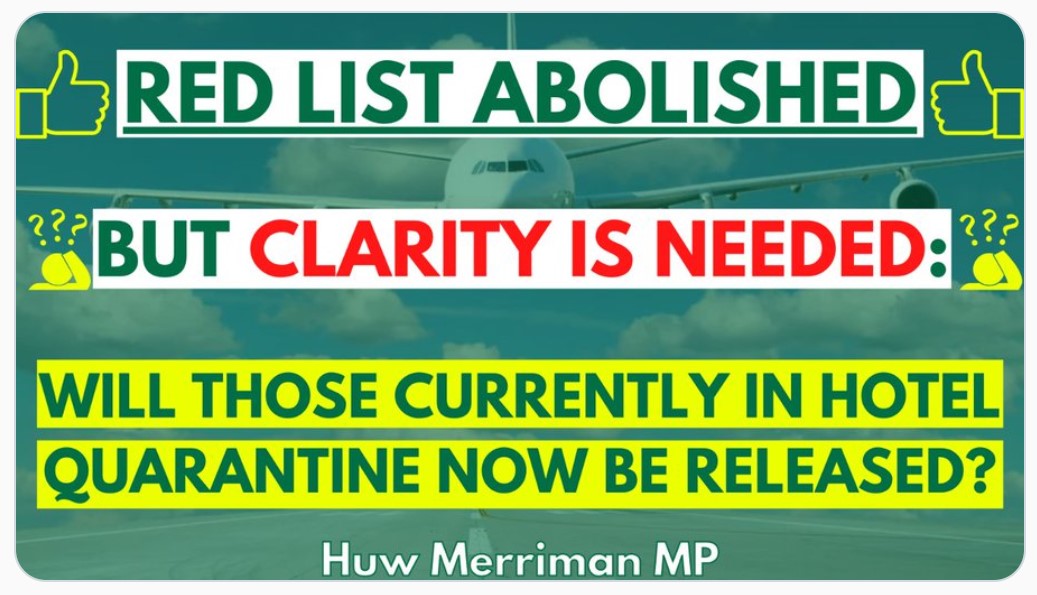
Meanwhile, in case you'd forgotten about the climate emergency, @COP26 continues tweeting about its planet-saving conference, which it turns out was really about mitigating the effect of the coronavirus: 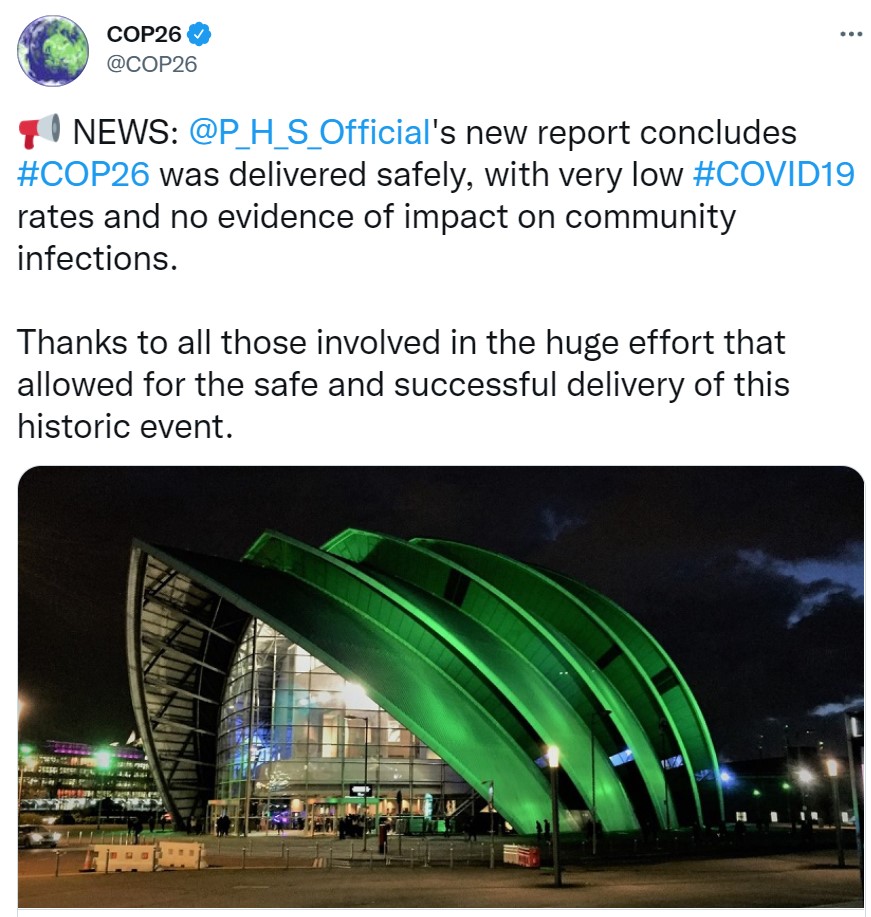
Even the Almighty has taken to social media: 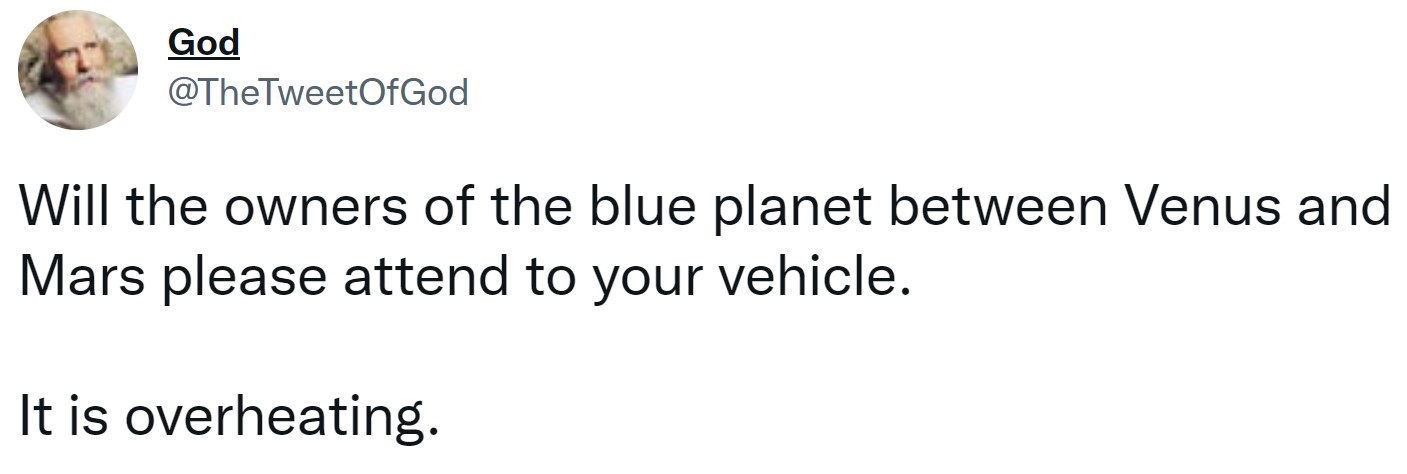
|
||||||||||||||||||||||||||||
|
Tuesday 14th December |
||||||||||||||||||||||||||||
A search for #CovidPassport on Twitter:
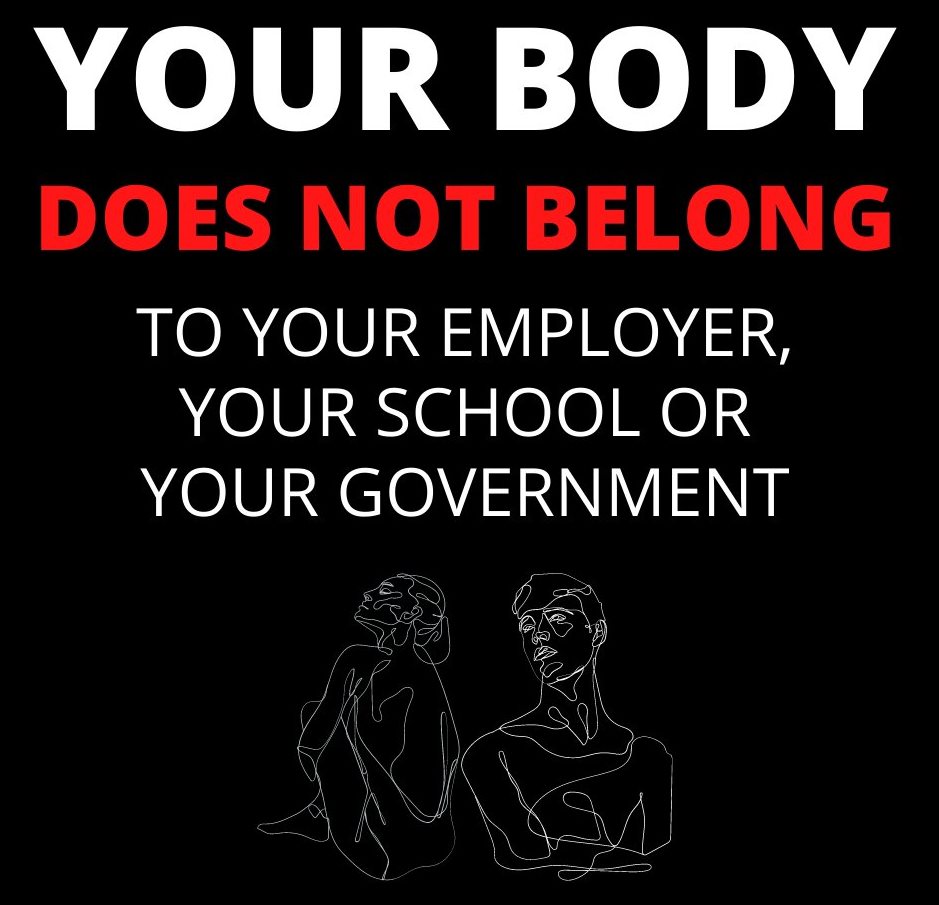
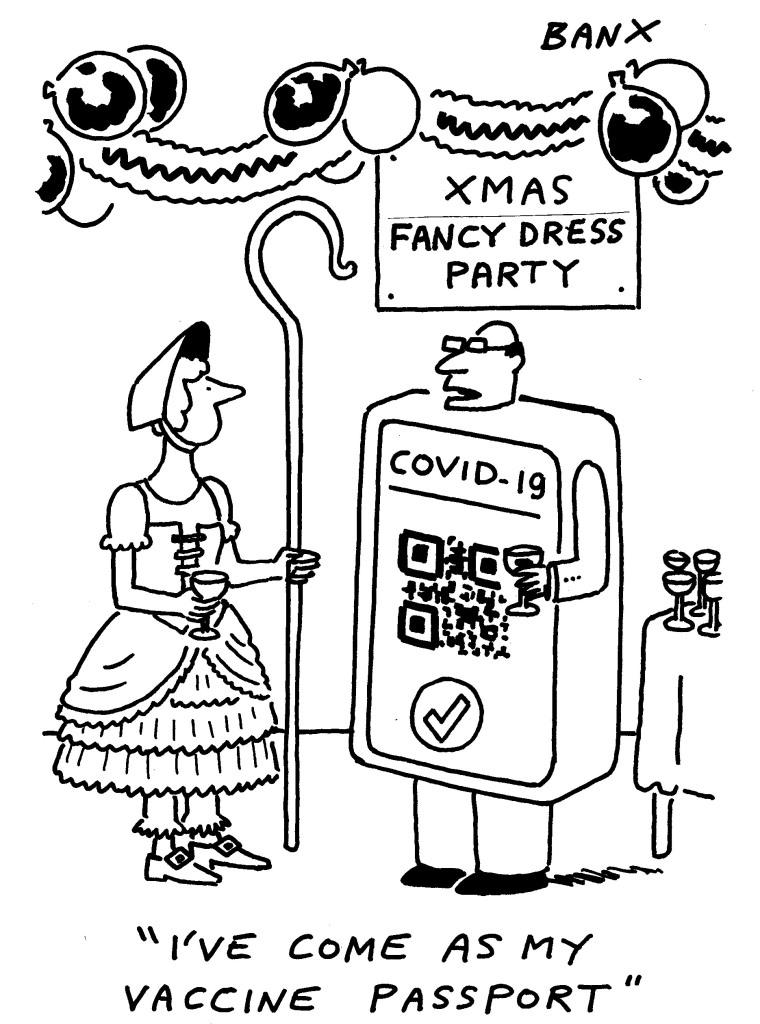
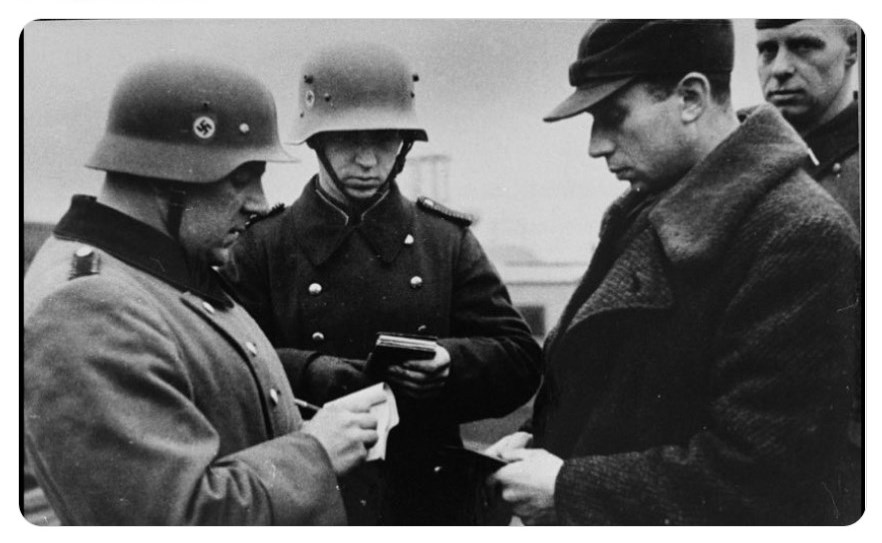
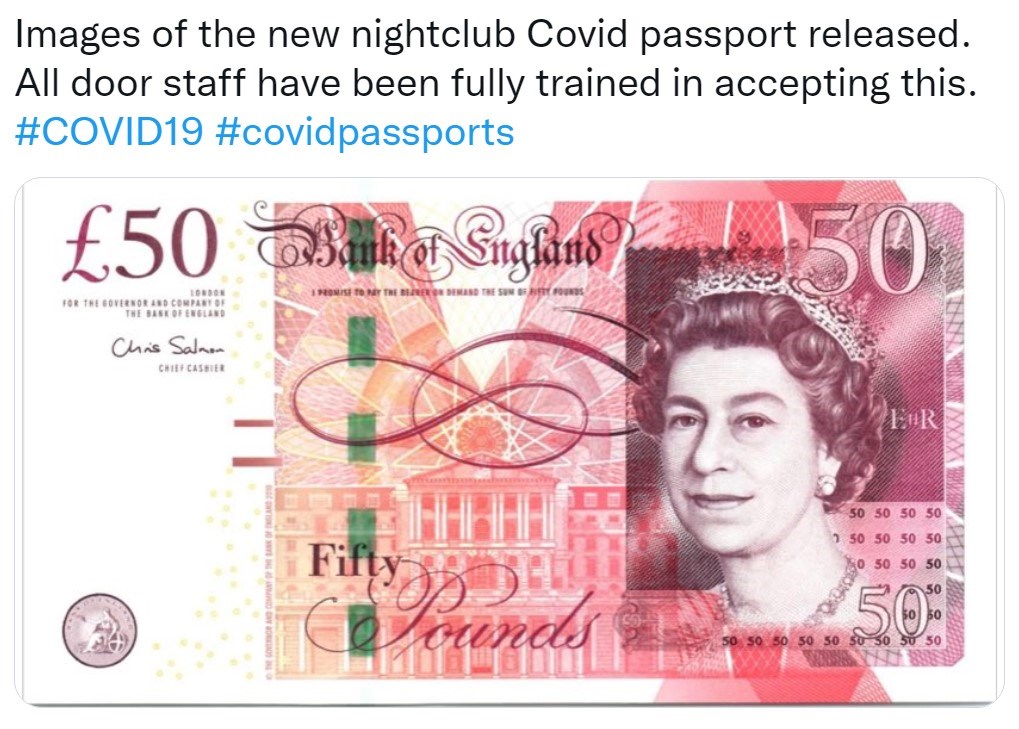
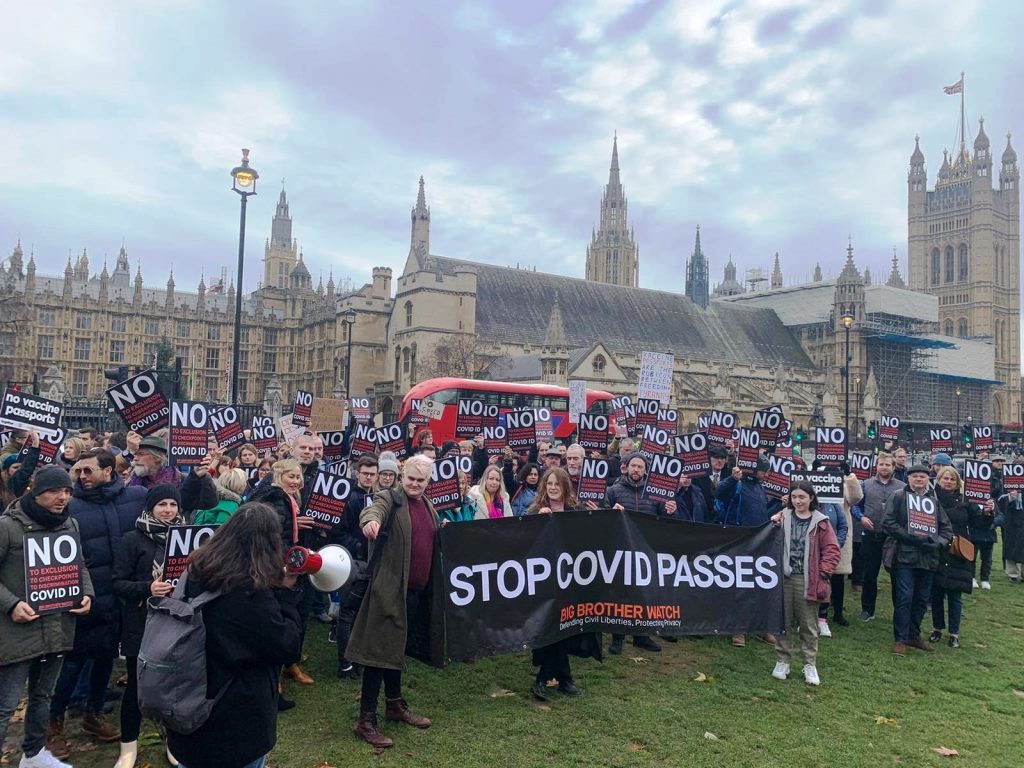
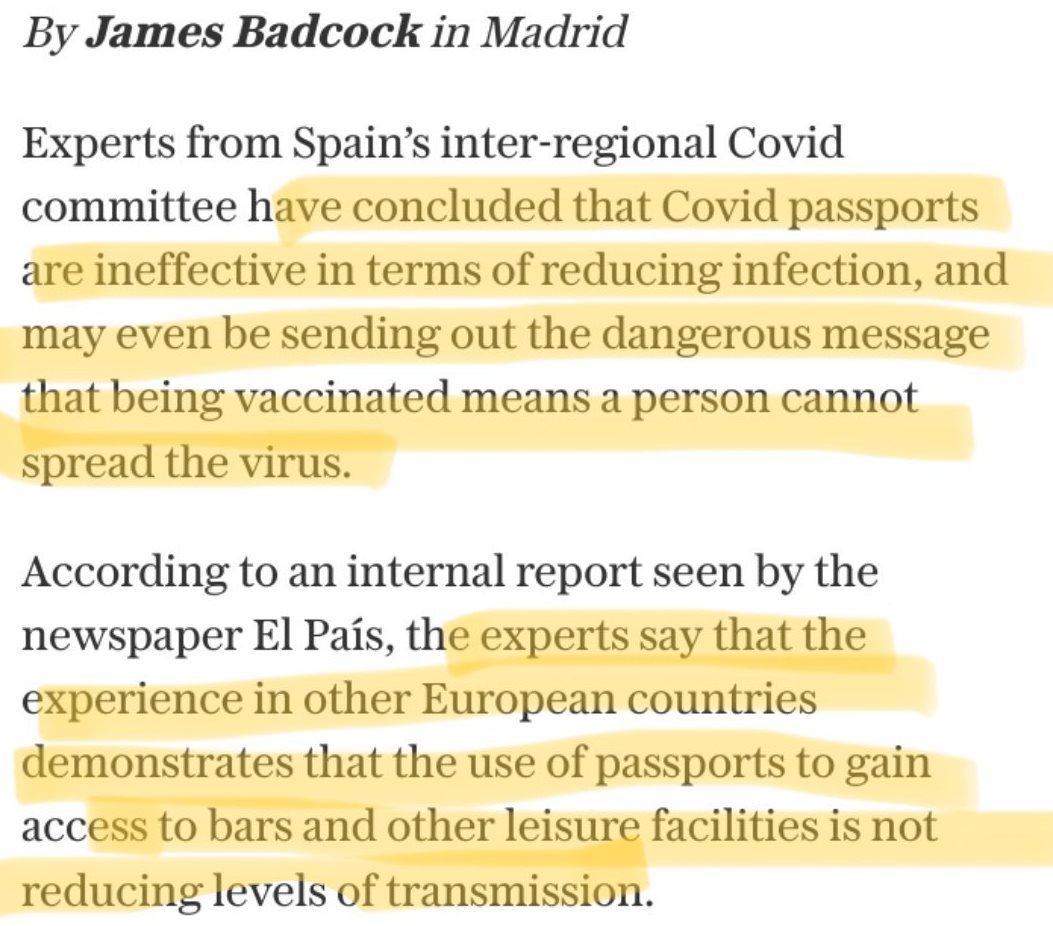
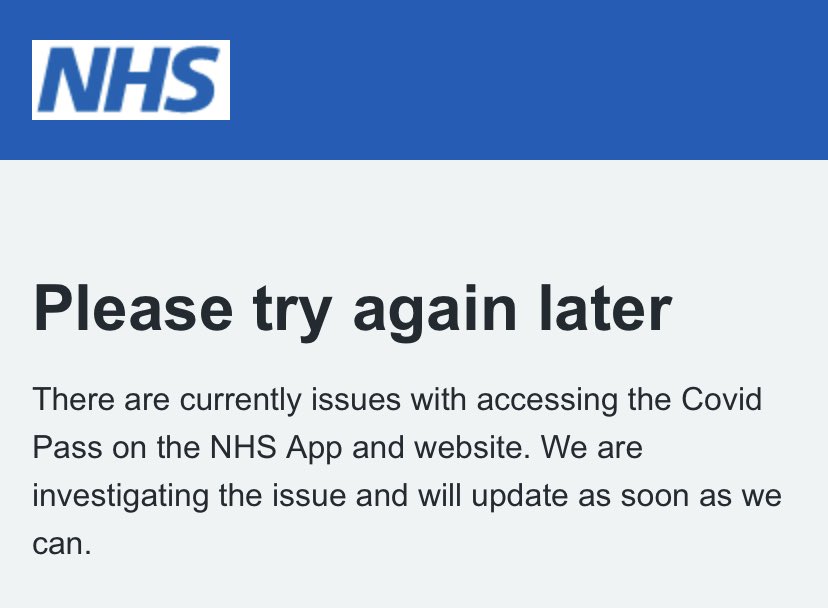
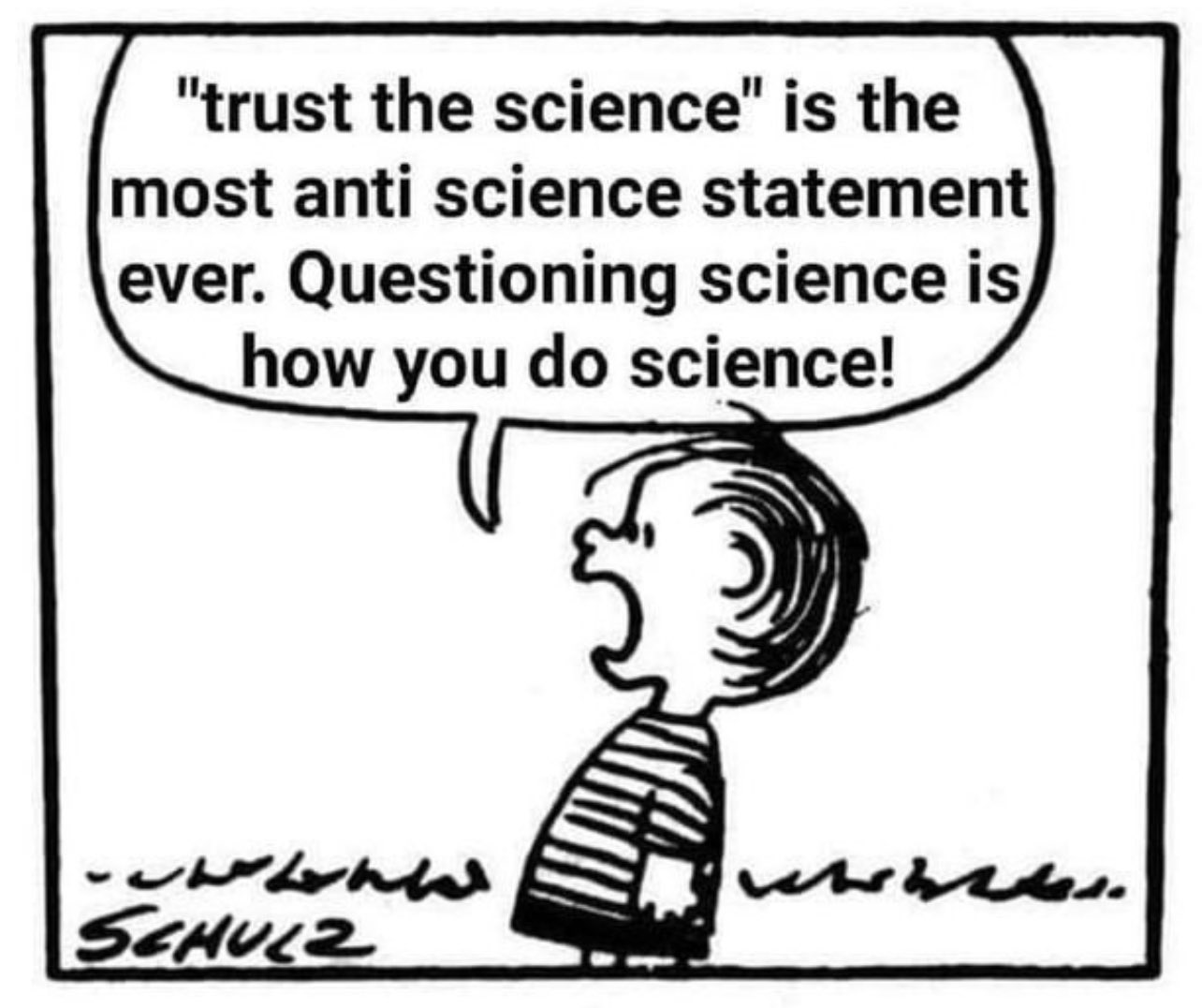
|
||||||||||||||||||||||||||||
|
Monday 13th December |
||||||||||||||||||||||||||||
We're back at coronavirus alert level 4, the first time since May. Boris used the word "emergency" in his announcement last night.
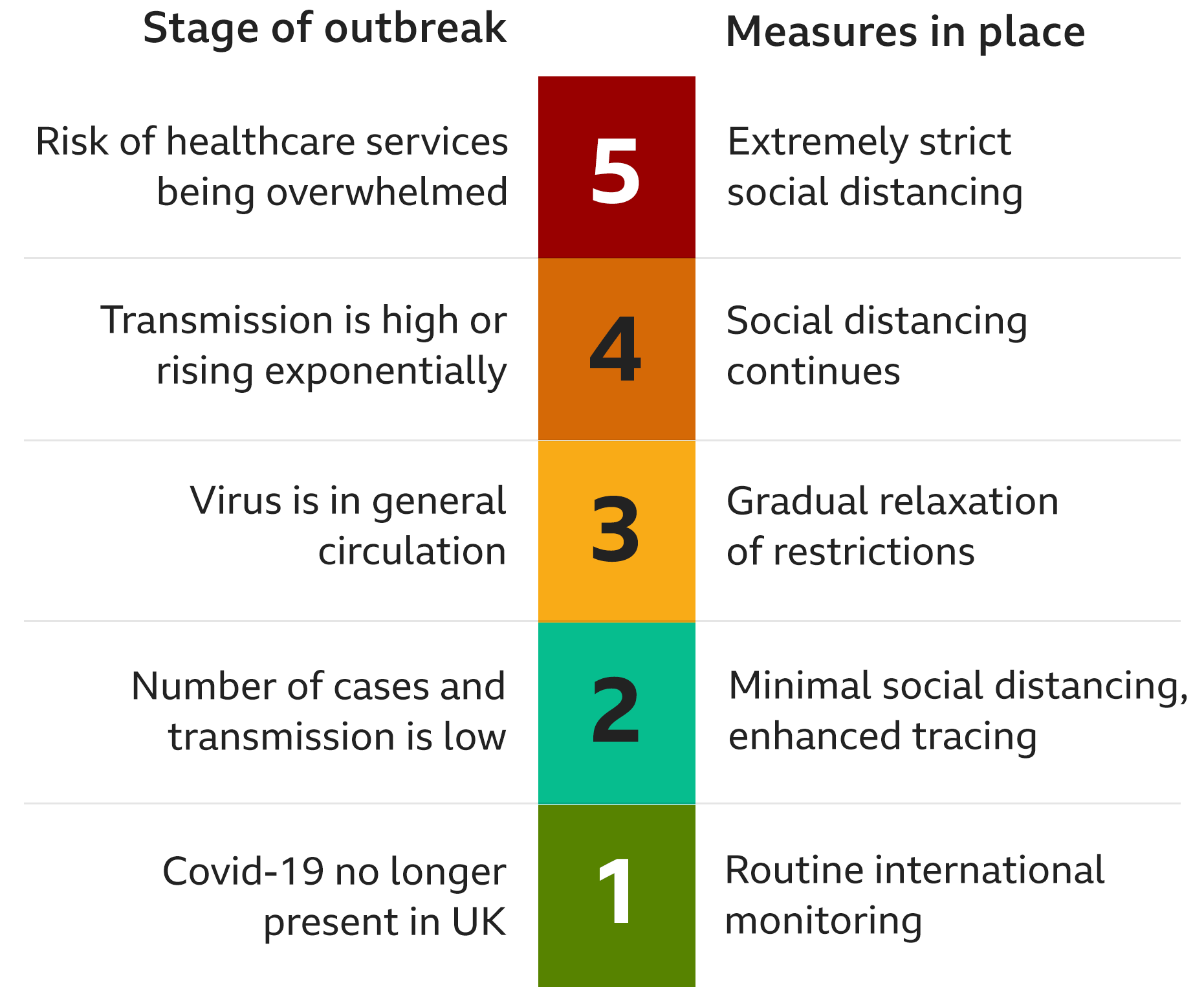
The joint statement from the UK's four chief medical officers and NHS England director Professor Stephen Powis said the change was "in light of the rapid increase in Omicron cases. Transmission of Covid-19 is already high in the community, mainly still driven by Delta, but the emergence of Omicron adds additional and rapidly increasing risk to the public and healthcare services. [Omicron is] spreading much faster than Delta and vaccine protection against symptomatic disease from Omicron is reduced. Hospitalisations from Omicron are already occurring and these are likely to increase rapidly." The government is intensifying the booster programme, bringing targets forward from the end of January to the end of December, a 3-week rather than 7-week period. Currently the vaccines-by-dose status in people aged 12 and over looks like this: 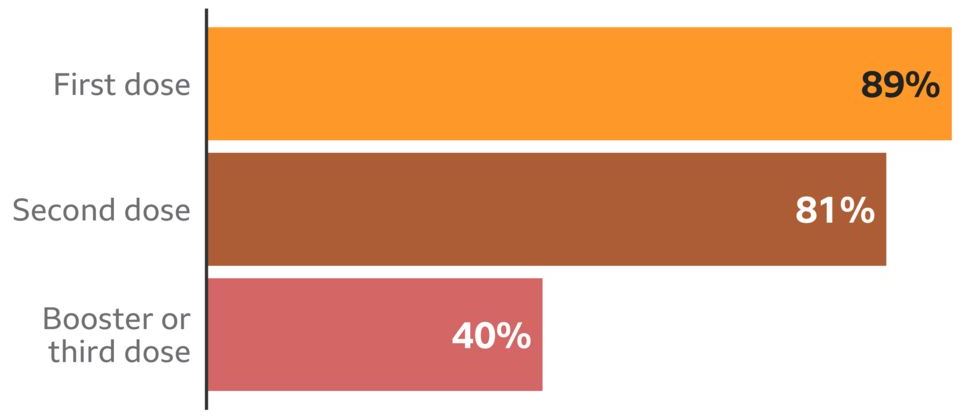
If you look at the levels table at the top, the difference in measures between level 4 and high alert 5 is that "social distancing continues" moves up to "extremely strict social distancing". The government still shrinks from introducing and enforcing the latter, which would presumably include the use of the unwelcome word "lockdown". Gatherings continue. Sarah went to the opera in Stroud on Saturday night. Our local Crown & Sceptre pub was still offering a pre-Christmas turkey roast yesterday. I wouldn't consider either. Today I should have been at an exercise class and festive lunch in Gloucester. There's no way that I wanted to be in a room full of heavily-breathing or -munching people of whose vaccine status I was completely unaware. How long before the "emergency" demands that Boris is forced to ratchet up measures to level 5? Will boosters allow him to maintain his precious "equilibrium"? I'll finish with a digression - although it does have a Covid reference at the end. You'll know if you've been reading this blog over the last 20 months that I'm a fan of Lewis Hamilton. Yesterday he was, in my view, robbed of a record-breaking 8th Formula 1 title after a dominant and masterful drive in the season-concluding Abu Dhabi Grand Prix, through the misfortune of back-marker Nicholas Latifi's late crash triggering safety procedures, possibly a poor decision by Mercedes principal Toto Wolff and then extraordinary interpretation of the rules by race director Michael Masi - all out of Lewis's hands. While seriously disappointed, probably angry, certainly drained after 58 laps of huge effort and concentration, he responded with grace. In an interview with former champion Jenson Button just minutes after the conclusion of the race, he congratulated the championship winner Max Verstappen, paid tribute to the members of his own team and finished with: "If I'm honest, we're still in the pandemic and I just really wish everyone to stay safe and have a good Christmas with all their families - and we'll see about next year." Here's a video of the interview: A class act. |
||||||||||||||||||||||||||||
|
Sunday 12th December |
||||||||||||||||||||||||||||
|
Omicron just got personal. We cancelled our annual old mates' get-together scheduled for today, at the eleventh hour. A disappointing consensus of twelve plus-or-minus-70-year-old pensioners. The plan is to try again in January.
That's assuming there isn't an infection spike in the early months of 2022, the possibility modelled by scientists from two credible institutions: the Centre for Mathematical Modelling of Infectious Diseases, London School of Hygiene & Tropical Medicine, London; and the Department of Science and Innovation National Research Foundation (DSI-NRF) Centre of Excellence in Epidemiological Modelling and Analysis, Stellenbosch University, South Africa. The conclusion in the document released yesterday, titled "Modelling the potential consequences of the Omicron SARS-CoV-2 variant in England", is this: "These results suggest that the introduction of the Omicron B.1.1.529 variant in England will lead to a substantial increase in SARS-CoV-2 transmission, which, in the absence of strict control measures, has the potential for substantially higher case rates than those recorded during the Alpha B.1.1.7 winter wave in 2020-2021. This is due to Omicron's apparent high transmissibility and ability to infect individuals with existing immunity to SARS-CoV-2 from prior infection or from vaccination. Our assumptions regarding the extent to which Omicron might evade the immune response are in line with existing knowledge of previous VOCs' neutralisation, early neutralisation studies of Omicron and preliminary vaccine efficacy estimates. The majority of scenarios considered project that without the implementation of further control measures, hospital admissions resulting from the Omicron wave of transmission could exceed the peak levels recorded in England during the previous winter wave in 2020-2021. Additional control measures may therefore be required to minimise disease burdens and to protect healthcare services." The worst-case scenarios - high immune escape, low booster efficacy - for infection incidence and deaths look like this. Explanation below the charts. 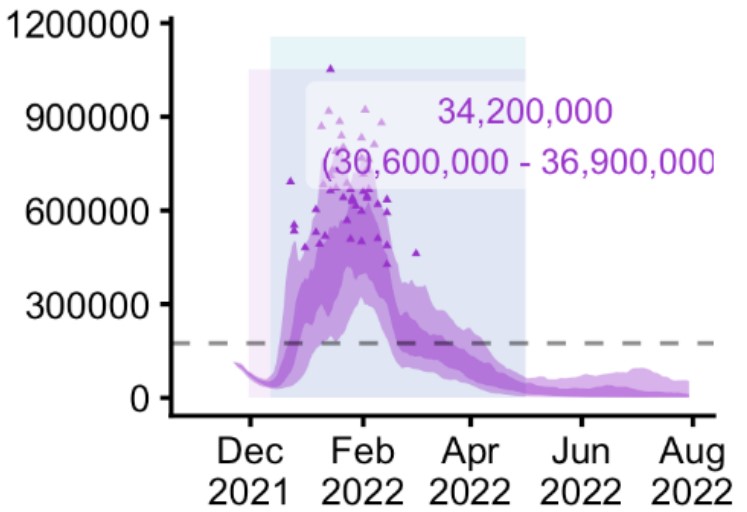
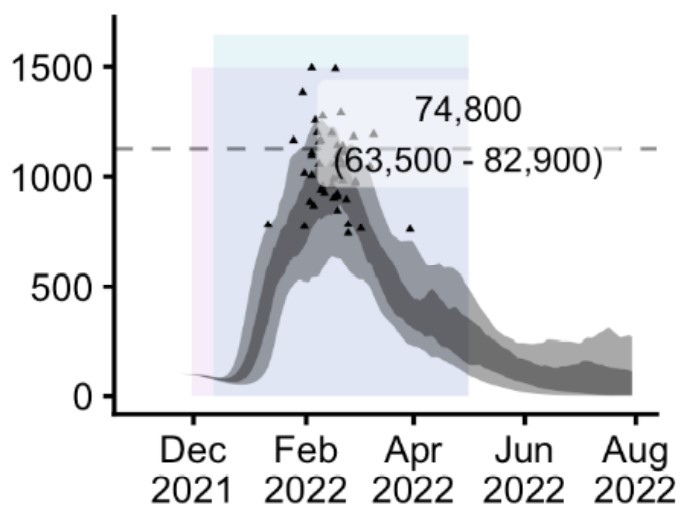
"Daily infections and deaths projected for an Omicron epidemic in England, with increased mask-wearing from 30th November 2021 to 30th April 2022 (lavender shaded rectangle) and "Plan B" restrictions from 12th December 2021 to 30th April 2022 (blue shaded rectangle). In each panel, the dashed horizontal line shows the previous peak reached during the January 2021 wave in England; the shaded areas show 50% and 90% quantiles across each day, while the small triangles demarcate peaks from each of 50 individual model runs reached between 1st December 2021 and 30th April 2022. Numbers in overlays show the median and 95% projection intervals for total infections and deaths between 1st December 2021 and 30th April 2022." Here's the full report - preliminary, not peer reviewed: If this modelling is to be trusted - and these guys aren't amateurs - we're in for a long winter haul. Particularly troubling is the suggestion that the effects of Omicron could exceed those of the Alpha wave a year ago, "in the absence of strict control measures". Batten down the hatches? Plan C? I was fully in favour of erring on the side of caution and postponing our Christmas do. You have to do the right thing. But the need to act in this way has been here for a long time now, hasn't it? Tiring for us all. Exhausting for the NHS. Disheartening for the hospitality sector - and probably worse, carrying the threat of business closure and job losses. Sorry, folks, not so cheery. My friend Ian - one of those I was to meet today - WhatsApp-ed these pictures to raise our spirits: 
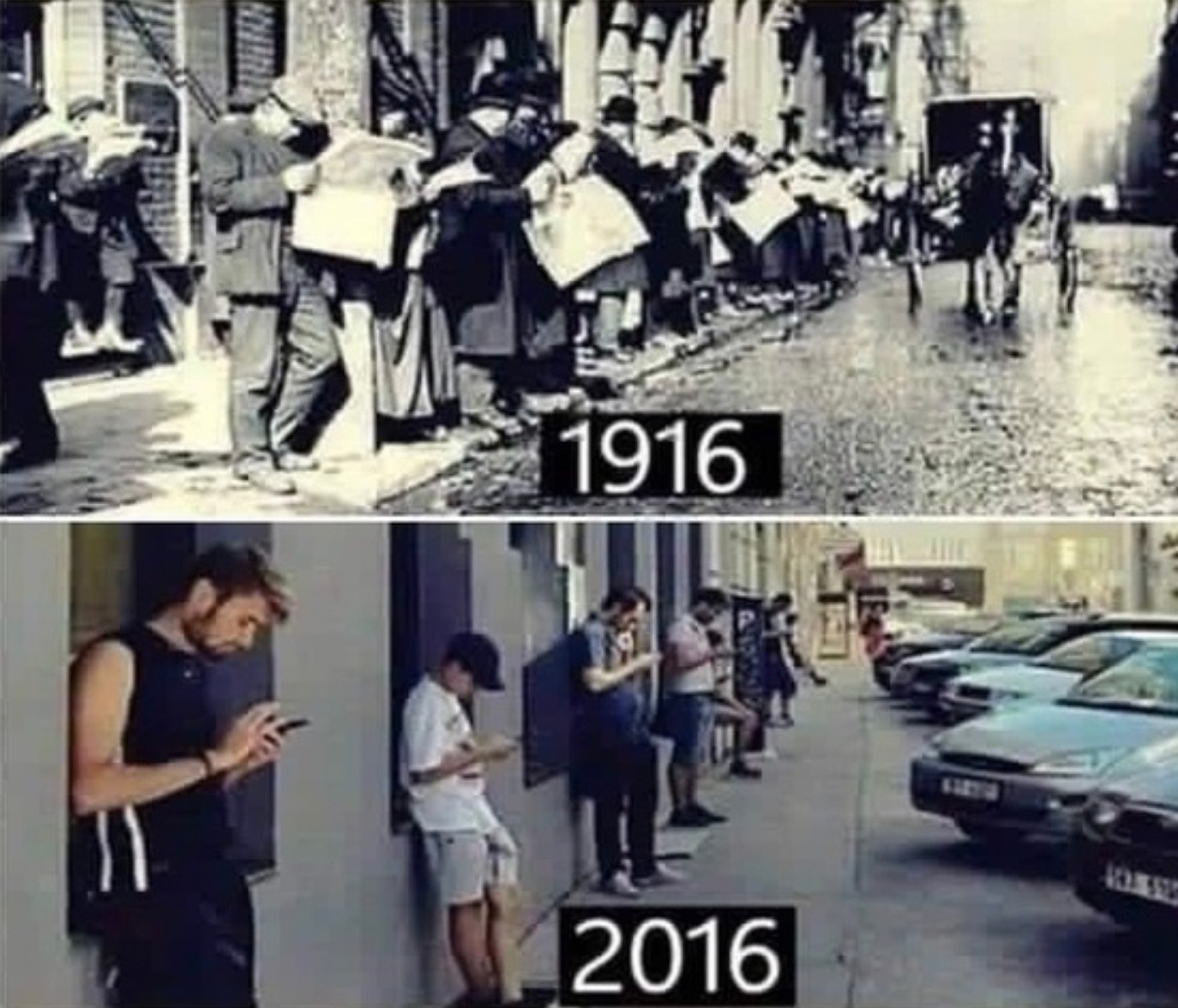
|
||||||||||||||||||||||||||||
|
Saturday 11th December |
||||||||||||||||||||||||||||
Great front cover of the New Statesman festive edition. Click to enlarge - to see all the mischievous detail:
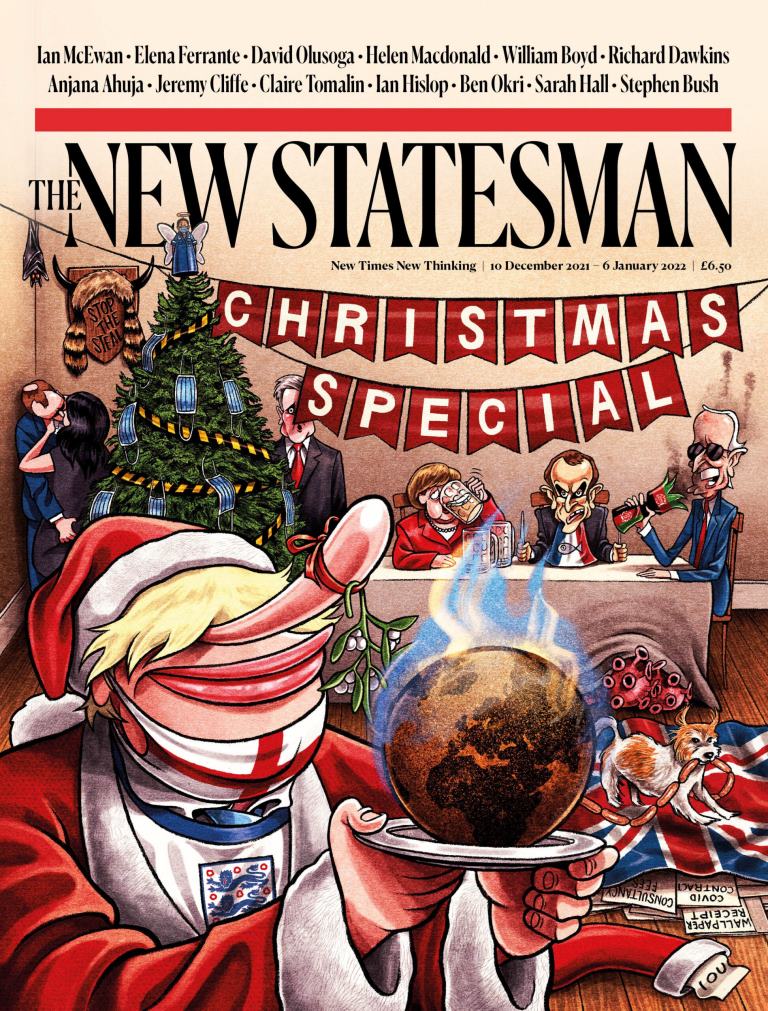
How many "Planet Boris" references can you count? I really don't need to write anything. |
||||||||||||||||||||||||||||
|
Friday 10th December |
||||||||||||||||||||||||||||
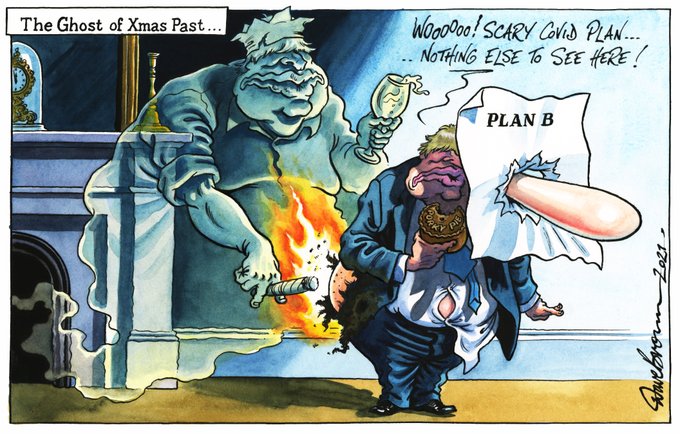
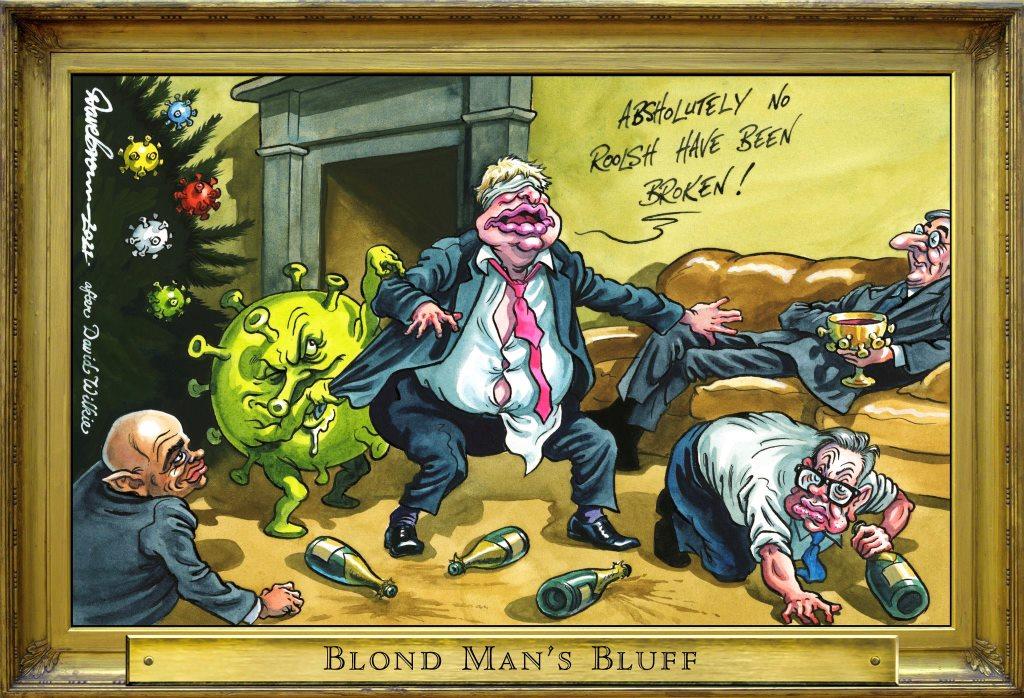
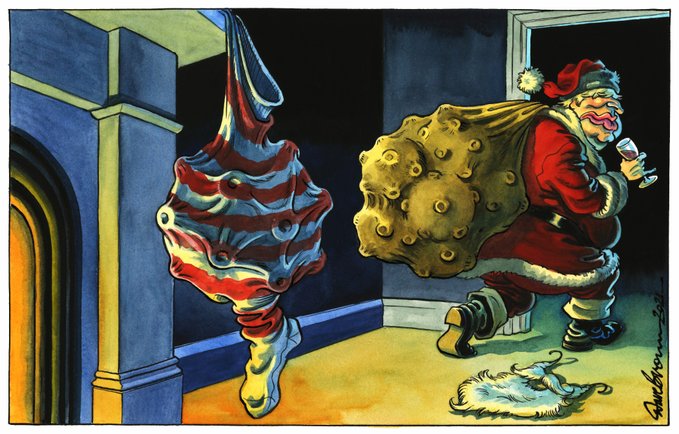
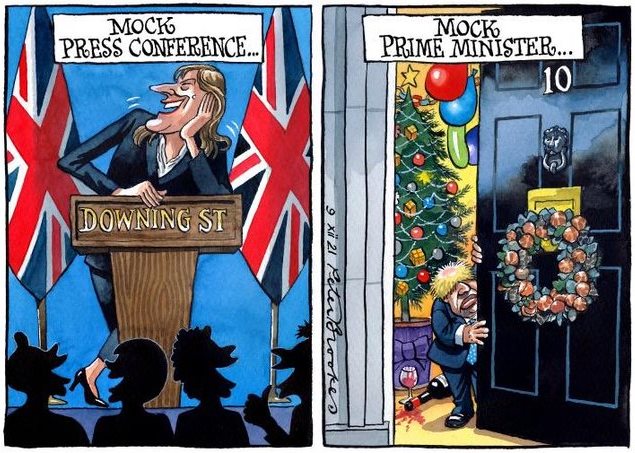
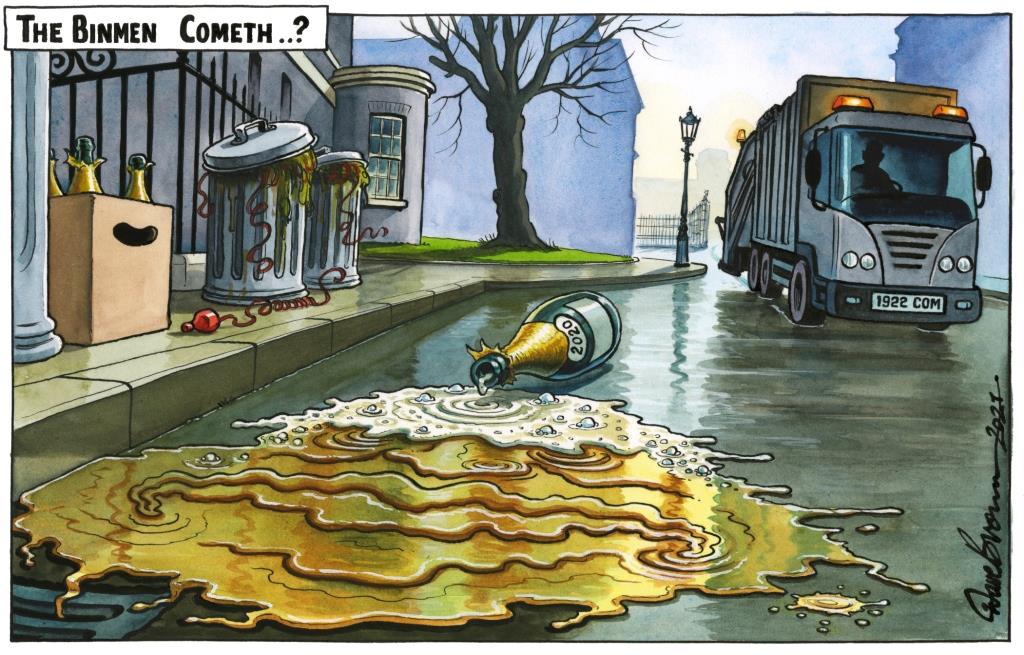
|
||||||||||||||||||||||||||||
|
Thursday 9th December |
||||||||||||||||||||||||||||
|
After my digressions of the last three days there was some significant UK Covid news yesterday. Boris announced Plan B. Star of the 10 Downing Street "party" fake press conference Allegra Stratton - last job spokesperson for COP26 President Alok Sharma; she lacks judgment, doesn't she? - resigned. Questions to the PM during yesterday's presentation were divided equally between Plan B and the "cheese-and-wine" do, some of the tastier ones clearly antagonising the platform trio.
Chris Whitty did his slide show (click to enlarge those below). Most indicated what Boris is now calling "equilibrium", echoed by Patrick Vallance who declared that we were definitely well on the way from pandemic to endemic - the "learn to live with it" state, including hospitalisations, deaths and continuing booster roll-out - so I'll pass over those. Slide 1 showed what we know. The graph shows infection levels increasing in zig-zag fashion since August, to the point where cases are 80% of last January's peak. However, that's not what triggered Plan B, although the graph provides evidence of steadily rising cases. The catalyst for the rule changes was in Slide 7 ... ... which we can blame on the previous Slide 6: So, while the scientists have yet to report on the full implications of Omicron, the government advice stays the same: "Vaccines remain our best line of defence and it is now more vital than ever that those who are unvaccinated come forward, and those eligible for their boosters book when called." Encouragement for antivaxxers and vaccine-hesitant had been in Slide 5: Here's the full official press release of the Plan B announcement: Some final words from Larry the Cat: 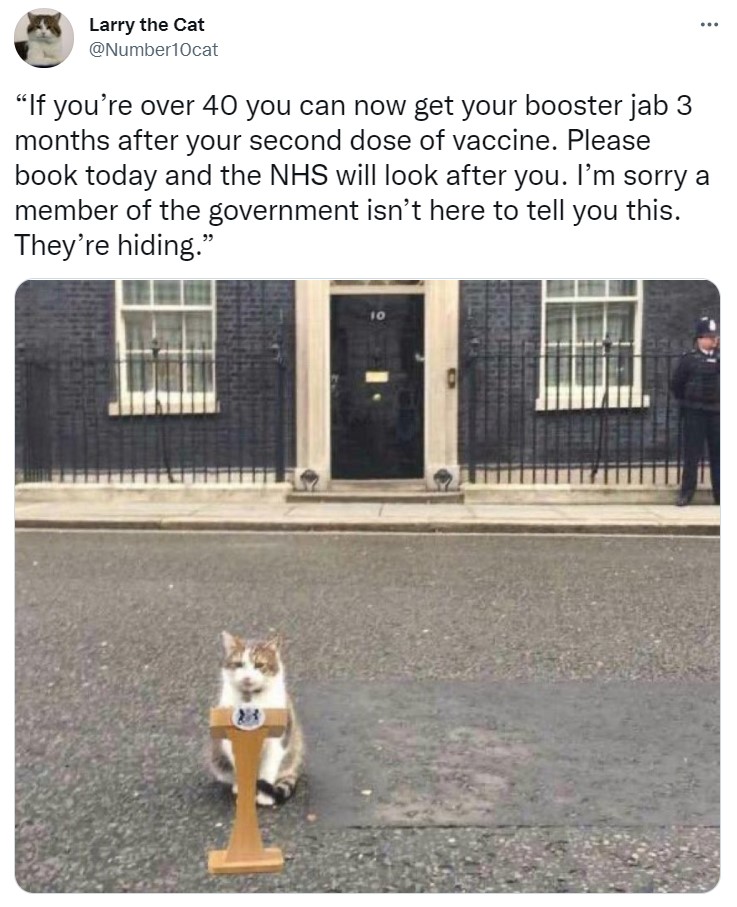
|
||||||||||||||||||||||||||||
|
Wednesday 8th December |
||||||||||||||||||||||||||||
|
You may have noticed that I've added a new subsidiary name for these pages - "Whatever I Fancy Blog".
I had no choice. Climate? Barely a whisper in the news. Coronavirus? Most press coverage is about last year's 10 Downing Street "party". And, I suppose, whether Omicron is a milder variant. At this time of year I normally turn to Test Match Special for entertainment, an antidote to the British winter from sunnier climes. Not so great this morning - and rain even stopped play in Brisbane: 
The Primary Club was founded in 1955 at Beckenham Cricket Club in Kent. It raises money to provide sports and recreational facilities for the visually impaired. Membership is open to anyone who has been out first ball in any form or level of cricket - a "golden duck". You're obliged to wear the club tie or brooch on the Saturday of a Test Match.  
England batsman Rory Burns must have qualified for platinum membership. Opening match of the Ashes, England batted first, Burns received the first ball - out bowled to Aussie Mitchell Starc. I sympathise, having experienced a similar fate for the less-exalted Richmond Teachers in the 1980s. So I have had to seek relief in the continuing success of the lads from Nailsworth, six point clear at the top with a game in hand: 

To finish off, back to the "party". Over to Rory Bremner: 
|
||||||||||||||||||||||||||||
|
Tuesday 7th December |
||||||||||||||||||||||||||||
Inspirational Brené Brown - have you seen her 2010 TED talk on "the power of vulnerability"? - was on Woman's Hour:
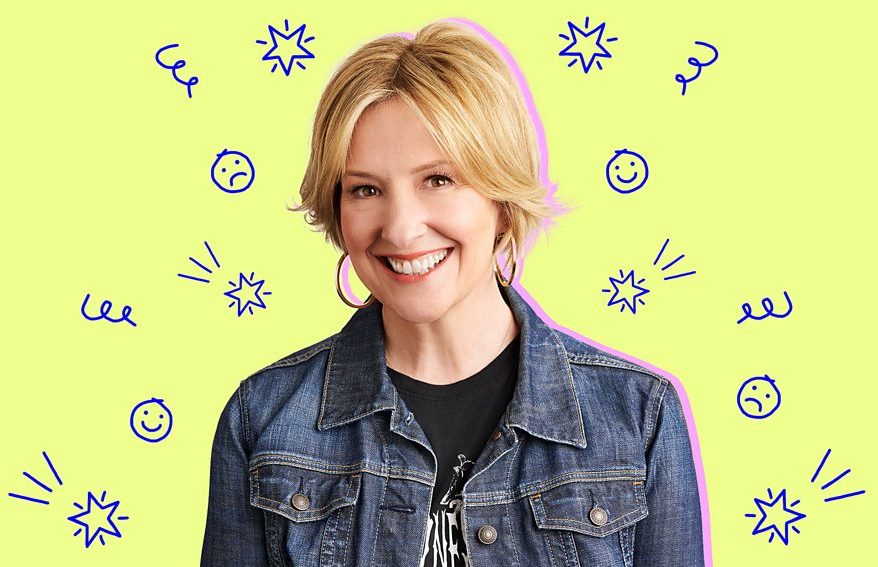
"To find joy and happiness, start with gratitude: "I don't think you start with joy and happiness. I think you start with gratitude. You think about what are you truly grateful for in your life. What do you need to do to practise gratitude around that, not just have an attitude of gratitude, but literally practise it? And then I think you think, how do I invite more of it in? "So for me, playing tennis, family dinners, laughing with my sisters. I'm so grateful for those things. Then what am I doing on a daily basis so that my choices reflect bringing more of that into my life? Am I blocking my time for just meetings? Or am I blocking my time for tennis?" Here's the TED talk. Worth 20 minutes of your time. |
||||||||||||||||||||||||||||
|
Monday 6th December |
||||||||||||||||||||||||||||
Middle Street is doing its bit again this year with Advent Windows. Each participating house has a date on which to reveal its display. Our neighbours three doors down have a picture window below adult waist level in the front wall of their cottage:

The little children returning home from the primary school love the scene. It's at just the right height for them. I saw two kids peering in the window last Friday, discussing the detail, putting questions to their mother. Such a marvellous contrast to the spend-spend-spend mayhem of the run-up to Christmas. |
||||||||||||||||||||||||||||
|
Sunday 5th December |
||||||||||||||||||||||||||||
|
Boris has his booster:
|
||||||||||||||||||||||||||||
|
Saturday 4th December |
||||||||||||||||||||||||||||
|
The most bizarre Covid event of the week involved the Italian anti-vax dentist Guido Russo from the city of Biella in Piedmonte. It was set against the background of the "green pass" - showing proof of vaccination, a negative test or recovery from the virus - required to access train stations, cinemas, restaurants, gyms and swimming pools.
Russo had been suspended from working because of his refusal to get the jab; it's mandatory for all health workers in Italy. In an attempt to get his pass without being vaccinated, he presented himself at the health centre in Biella wearing a fake arm. He was rumbled by the nurse Filippa Bua. He asked her to turn a blind eye, but she refused and reported him for fraud to the carabinieri. The case was referred to the official prosecutor's office. La Repubblica ran the story, showing the notice on Russo's surgery door telling patients that they were not obliged to show a green pass as it "contains sensitive information that goes beyond what is strictly necessary to access the practice", violating what may be privacy laws: 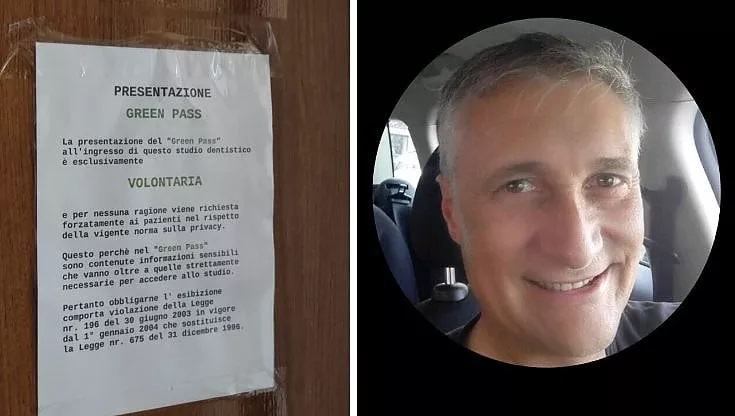
The newspaper suggested a link to a Twitter post of 24th November by "Giuseppe Maria Natale" - was it Russo? Or somebody else considering the same ploy? - which referenced an Amazon ad for a silicon torso. The tweet said: "If I go with this, will they notice? Maybe under it I'll even wear some other garment to avoid getting the needle in my real arm". 
Very comical, although the authorities saw beyond the humour of the ruse. The head of the Piedmonte regional government, Alberto Cirio, said in a statement on Facebook: "The case borders on the ridiculous, if it were not for the fact we are talking about a gesture of enormous gravity ... unacceptable faced with the sacrifice that our entire community has paid during the pandemic, in terms of human lives, the social and economic cost". Luca Sala, director of the prevention department of the Azienda Sanitaria Locale di Biella, said: "It makes you furious because we have 60 people including nurses, doctors and administrative staff employed daily in the vaccination campaign. Episodes like this type demean the daily commitment, on Saturdays and Sundays, and also the overtime we all do to respond to requests". |
||||||||||||||||||||||||||||
|
Friday 3rd December |
||||||||||||||||||||||||||||
|
I'm encouraged by the emergence of Covid antiviral treatments. Three main products are now - or will be - available in the UK, two antibody-generators, one replication-inhibitor. They come at the virus in a different way. Vaccines aim to prevent. These antivirals are used to treat the already infected. It feels like: "OK, Covid got me but I'm still in with a chance."
Here they are:
|
||||||||||||||||||||||||||||
|
Thursday 2nd December |
||||||||||||||||||||||||||||
The official @COP26 never stops tweeting trivial follow-ups to its abject conference. Look at this one:
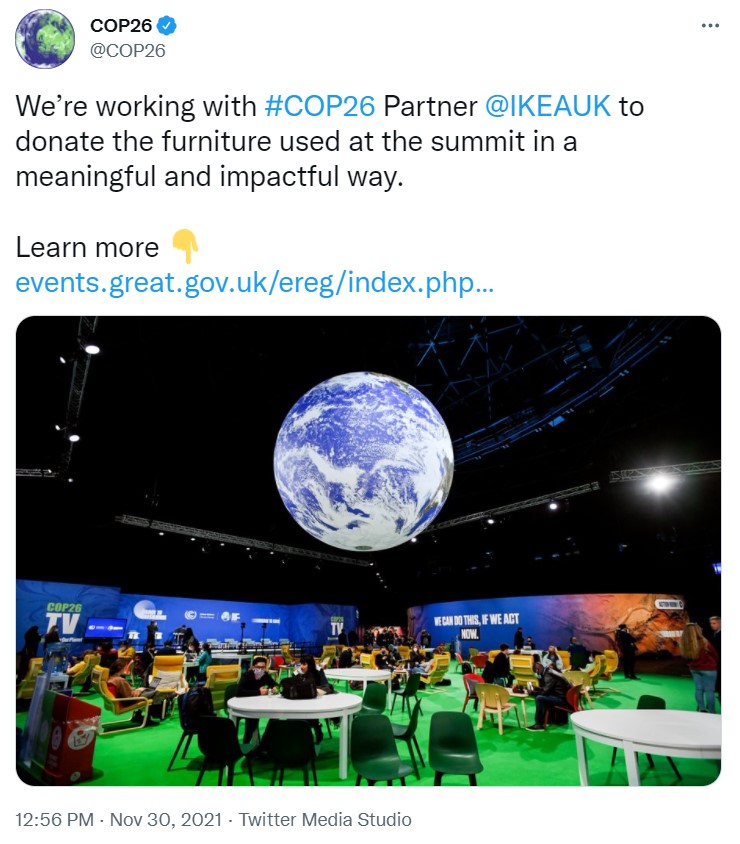
How can they miss the point so badly? Good to use the tables, jolly well done IKEA, but this really is re-arranging the deckchairs on the Titanic. It's more of George Monbiot's "micro-consumerist bollocks" (see his brilliant article here 👇). There's a message on the blue panel at the back right: "We can do this, if we act now." Quite so. Talking of global initiatives, the WHO has just held a special session in Geneva of the World Health Assembly to consider measures for "Strengthening WHO Preparedness and Response to Health Emergencies". It looks like a recognition that more could have been done to anticipate and combat the pandemic, to eliminate vaccine inequity, and an acknowledgment of continuing virus threat. The outcome of discussions has been an agreement "to establish an intergovernmental negotiating body to draft and negotiate a WHO convention, agreement or other international instrument on pandemic prevention, preparedness and response." So, I think the idea is an annual global convention to up the ante on dealing with Covid and its ilk. WHO Director-General Dr. Tedros Adhanom Ghebreyesus delivered the closing remarks to the session. I've extracted the substance: "I have one simple request for all Member States, and that is: end this pandemic. Just in the past week, this virus has demonstrated that it will not simply disappear. How many more lives and livelihoods it takes is up to us. Ending the pandemic is not a matter of chance; it's a matter of choice. "I call on all Member States:
"We are one humanity. We have one planet. We have one health. And we have one WHO. Your WHO. I know you're committed to strengthening it, to have better preparedness for the future. Thank you so much. I thank you."
Here's the full text of his speech: My reaction is the same as for COP26. Lofty words, spoken with passion, unarguable goals. But ... HOW WILL IT BE DONE? The weakness of the language worries me again, just as it did with the Glasgow Climate Pact. Dr. Tedros says, "I CALL ON all Member States". He can't TELL them, can he? Countries should "choose" to take action; no fixed commitment there. Those "that have promised to donate vaccines [are asked] to choose to make good on those promises, as urgently as possible." Most haven't so far and are now only required to do what's "possible". |
||||||||||||||||||||||||||||
|
Wednesday 1st December |
||||||||||||||||||||||||||||
I've just finished another book (see "With Net and Coble" here 👇). This time it's "Manifesto" by Stroud "eco-entrepreneur" Dale Vince.
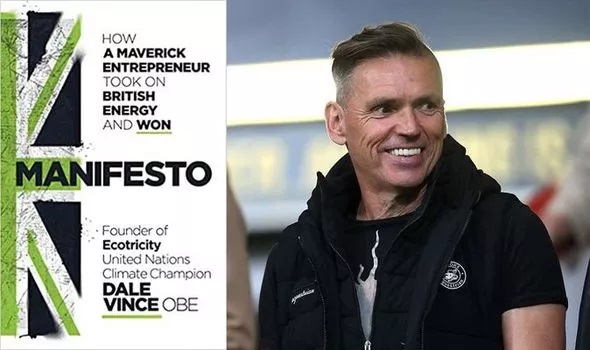
It may not win literary prizes, but it's a very insightful and challenging read. Dale will try anything and doesn't take "no" for an answer. He's never been afraid to take on what he calls "corporate bastards" and has frequently won. He's prepared to fight for what he sees as a just principle. What drives him is the desire to do things differently for the planet in three key areas, the ones that will have the greatest impact on averting the climate catastrophe: energy, transport and food. "Another Way" is a mantra - and the name of the road that leads up to Forest Green Rovers football club, of which he is chairman (see the account of my recent visit here 👇). The club has made great strides since he took over, currently six points clear (with a game in hand) at the top of League Two; they used to struggle to stay in the Conference when we first went to see them. The vegan food - the leek pie is delicious - has been a big hit. The players and new manager have all bought into the change. 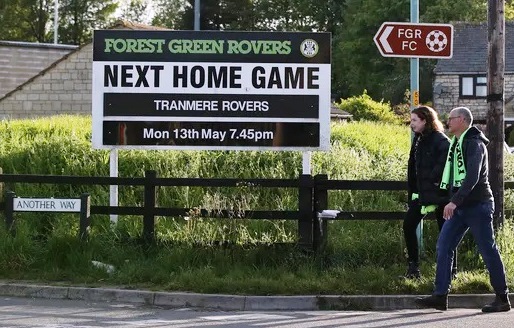
Success has brought him wealth, but he insists that it has never been his primary goal. "Ecotricity is a mission-led, not-for-dividend company. We reinvest the money that we make into the things we believe in. We know that businesses can operate in this way - the question is should we continue to let them operate any other way. Pursuit of money above all else leads to poor decisions and ultimately to poor environmental and social outcomes. Business got us where we are today, in many senses, but in terms of the multiple crises we face - absolutely so. We need to repurpose it and use it to get back to a better place." Dale is keen on projects that demonstrate how green technologies can defy scepticism. The best known is probably Nemesis, an electric sports car. He needed new wheels, couldn't find anything that met his criteria and decided to do it himself. It reflected his approach, to turn conventional notions upside down. "We set the car parameters like this: it had to do more than 100mph and do 0 to 60 in a handful of seconds; it had to look fantastic, handle fantastic and have a range of at least 100 miles. All of this was with an eye on the fact that electric cars didn't exist and we knew exactly how they would be received. We didn't want to make an electric car that was a compromise; in fact, we wanted to make an electric supercar. We didn't want a car that anybody reasonable would say 'yes but' about." Reaching 148mph, Nemesis set a British land speed record for electric cars. It made it onto the road in 2010. 
He presents arguments for environmental change that I find difficult to fault, particularly in overcoming inefficiencies. Why grow plants to feed cattle when you can eat the plants yourself? Why dig up and burn coal to generate electricity when you can produce it directly - and cleanly - with a windmill or solar farm? Love him or hate him - and I had dinner with someone last night who's definitely in the latter camp - his contribution is important. The media recognise this, as evidenced by the number of requests for comment he received at the start of the gas price crisis (see interviews here 👇). I'll finish with a little personal anecdote. One mid-morning a while ago I was sitting on a bench halfway down Stroud High Street. Opposite was a man begging, cross-legged on a sleeping bag. I spotted Dale walking down the hill. As he passed, without breaking stride he bent down, thrust something into the man's hand and carried on, didn't look back, a private action, not seeking recognition. The chap came over and joined me on the bench. "That's me for today," he said, smiling broadly. Dale had given him £30. |
||||||||||||||||||||||||||||
|
Tuesday 30th November |
||||||||||||||||||||||||||||
|
Omicron leaves us in the half-shadows for the immediate future. The most definitive aspect of government comment is its uncertainty. Will tests and vaccines work? We don't yet know. So, for the time being, let's intensify the booster programme.
From the BBC: 
"You might be wondering what's the point of a booster if the current vaccines turn out to be less effective against Omicron. We don't know if that will be the case but mutations in Omicron mean the jabs may not perform as well. The vaccines will have taught your body to spot the original coronavirus that emerged in Wuhan in China. The mutations on Omicron are like it putting on a disguise to slip past your body's guard. Boosting is the equivalent of hiring more guards to compensate. You'll have more crucial components of the immune system such as antibodies and T cells circulating in the body to increase the chances of seeing through the virus's disguise. If Omicron does prove to be a problem then boosting is the quickest way of enhancing people's protection as it will take about 100 days to update the vaccines if that turns out to be necessary." |
||||||||||||||||||||||||||||
|
Monday 29th November |
||||||||||||||||||||||||||||
|
These are early days in the Omicron story. As the WHO stated in its update (here for your reference: The WHO's challenge to individuals remains the same: "Keep a physical distance of at least 1 metre from others; wear a well-fitting mask; open windows to improve ventilation; avoid poorly ventilated or crowded spaces; keep hands clean; cough or sneeze into a bent elbow or tissue; and get vaccinated when it's their turn." Will we heed the advice? At least Stroud Chamber of Trade has got the message: 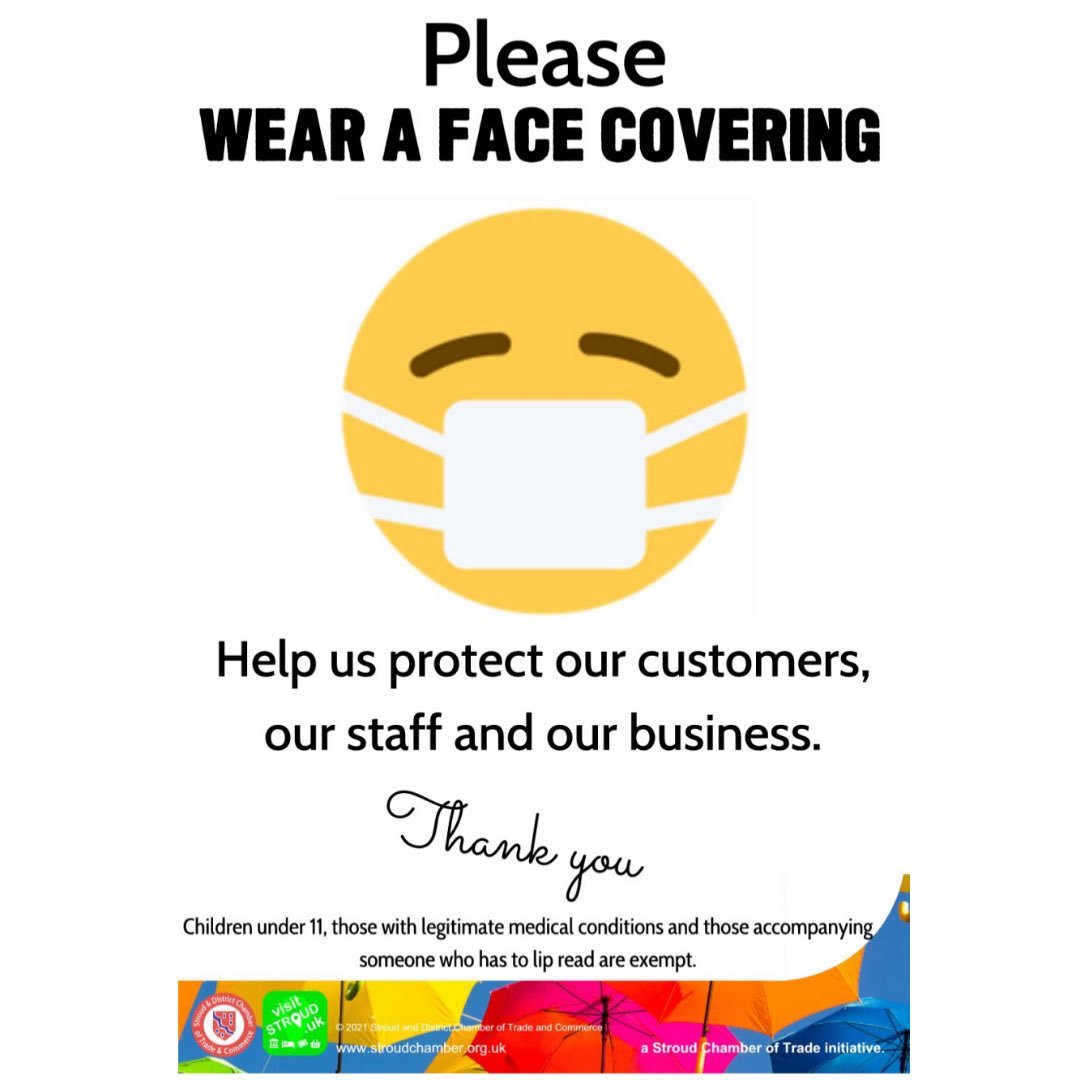
There is at the heart of the new outbreak the huge issue that the rich nations have come nowhere near resolving: vaccine equity. Omicron's emergence must have been encouraged by conditions in poorer countries - see the expert comments further down - and the inequity will increase as vaccine modifications are required. Here's an Our World in Data chart of the vaccination status of the 10 African red list countries contrasted with the UK (click this and the subsequent two charts to enlarge): 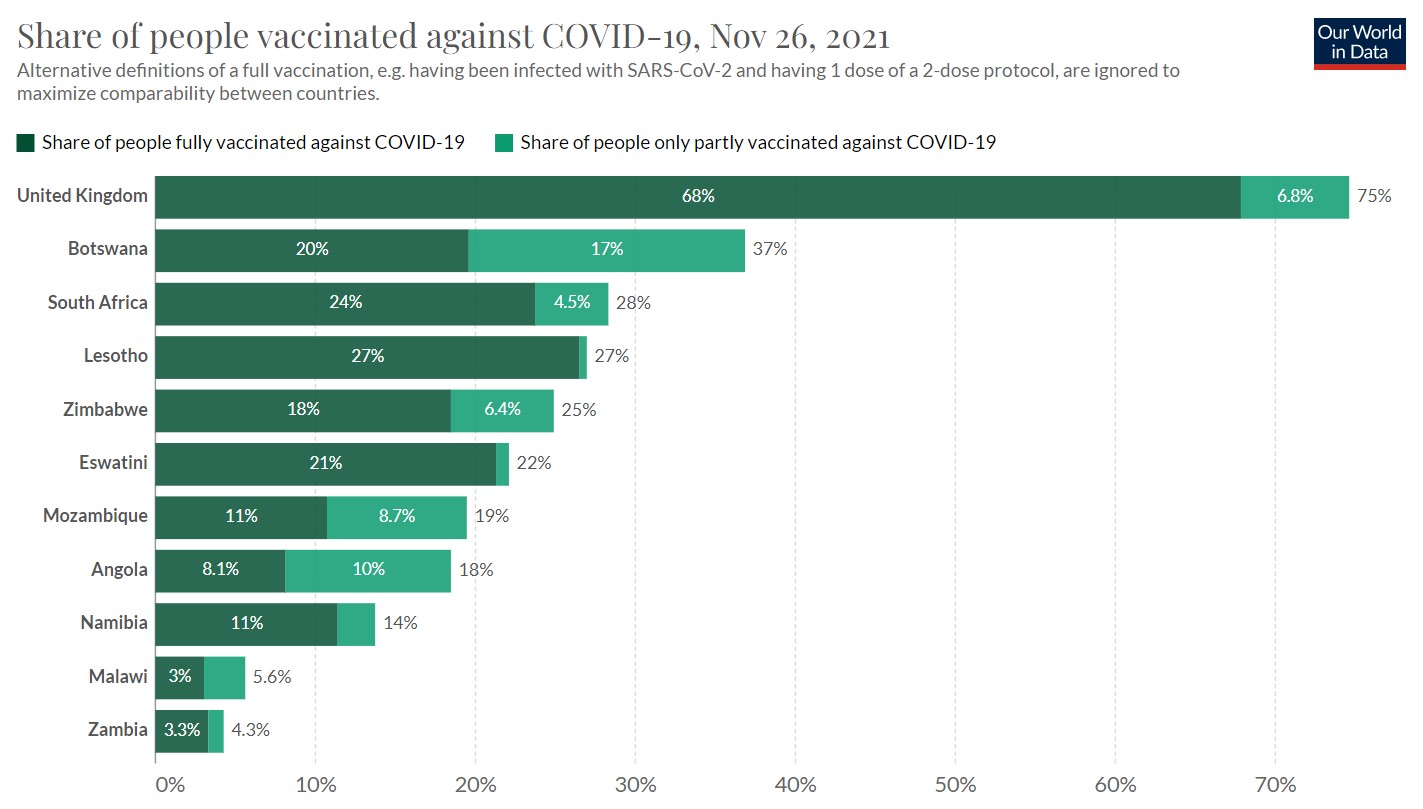
Here are vaccinations by continent: 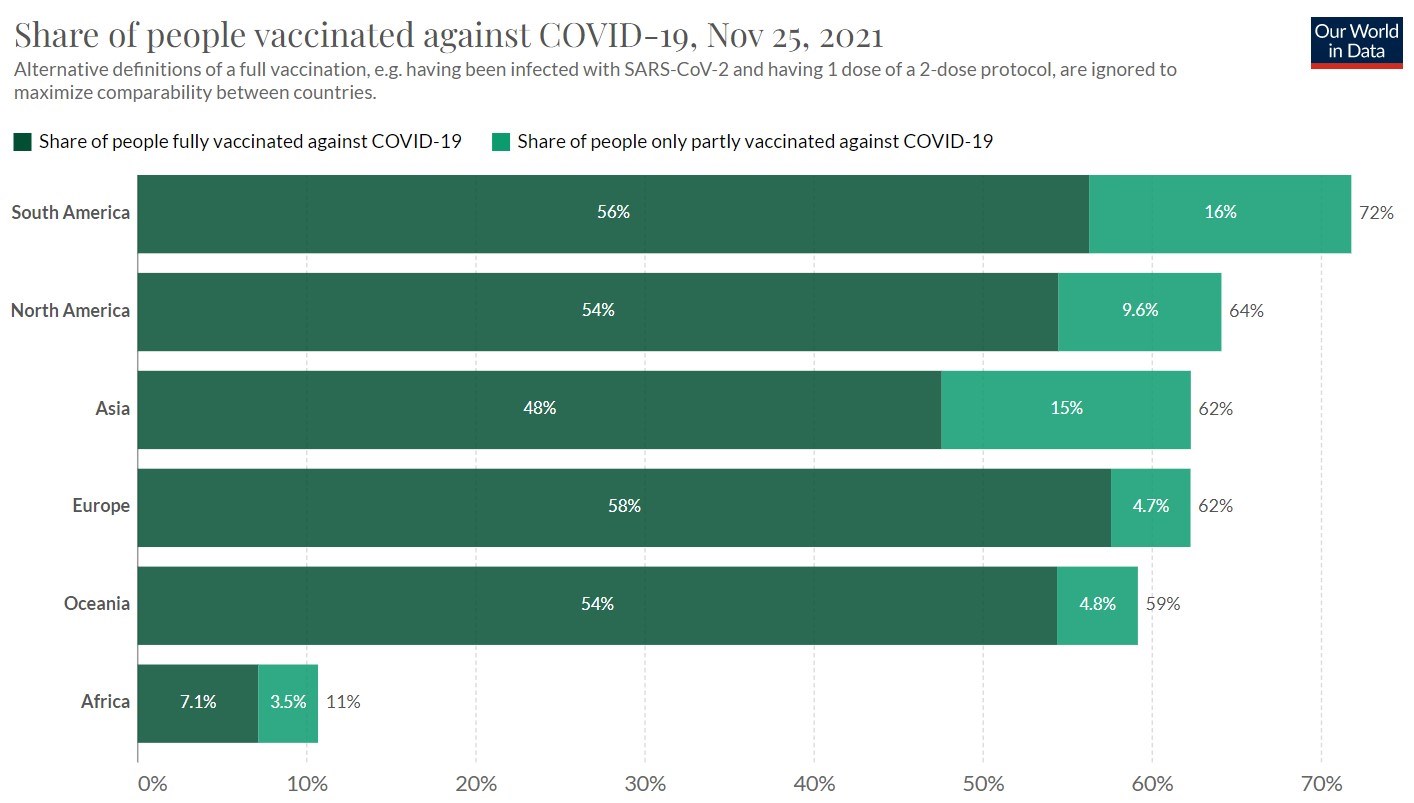
I'm surprised to see South America at the top of this list, but it's not my point. Look at Africa. Now vaccinations by wealth, using IMF categorisation: 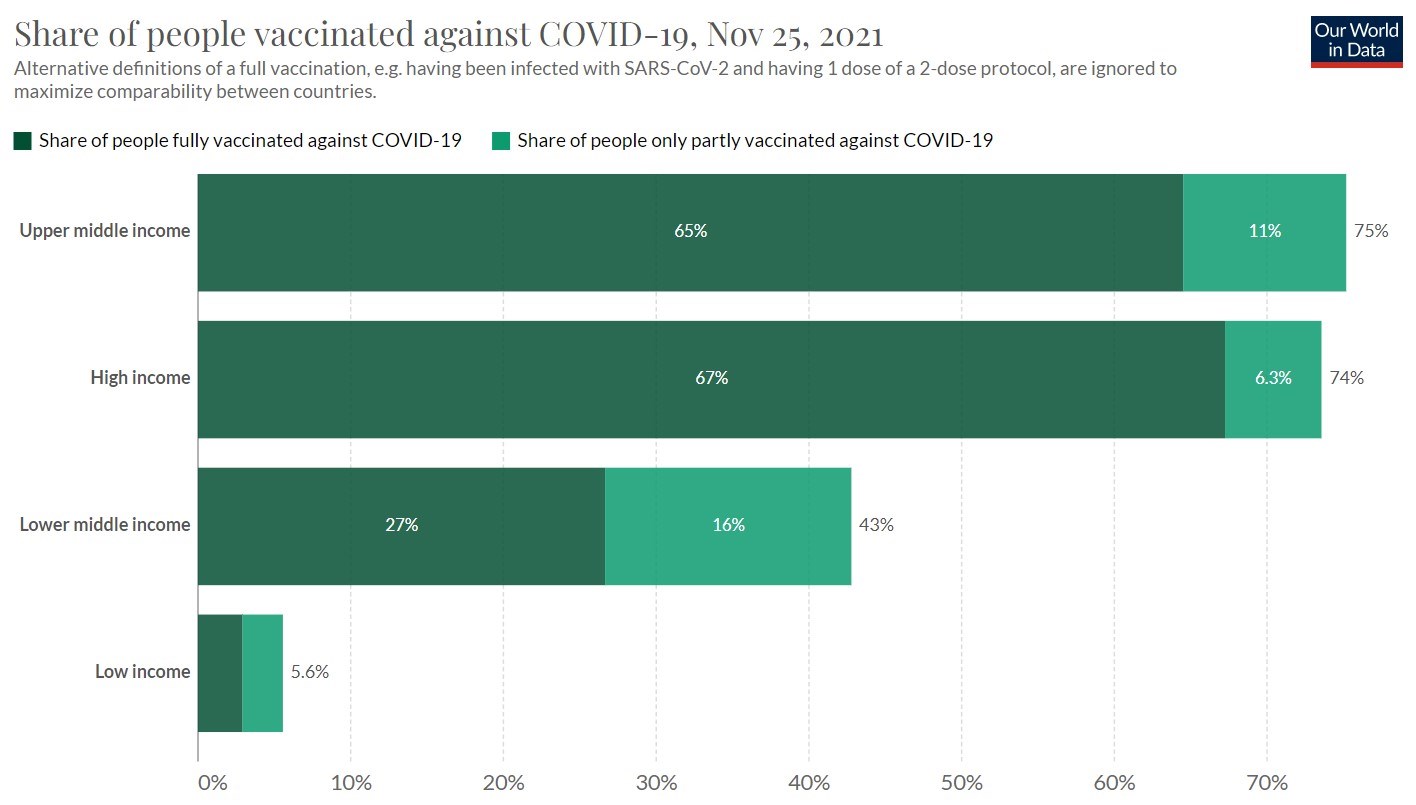
I don't get why upper-middle-income is above high-income, nor why the proportions of fully vaccinated in these two groups are only 65% and 67% respectively. Surely these countries were among those who have been able to stockpile and buy ahead? Although that was not done in New Zealand, nor elsewhere in better-heeled states. Is it vaccine-refusal? It may be, as pointed out in the explanation text at the top of the chart, that the following deliberate exclusion reduces the percentages: "Alternative definitions of a full vaccination, e.g. having been infected with SARS-CoV-2 and having 1 dose of a 2-dose protocol, are ignored to maximize comparability between countries." Once again it's not my point. Look at the bottom two categories. Dr. Michael Head, Senior Research Fellow in Global Health at the University of Southampton, told CNN: "[Omicron] has probably emerged in another country and has been detected in South Africa, which has very, very good genomic sequencing capacity and capability ... it might well be a consequence of an outbreak, probably in some parts of sub-Saharan Africa, where there's not a huge amount of genomic surveillance going on and vaccination rate is low. We still have large unvaccinated populations ... and these are susceptible to big outbreaks." Jeremy Farrar, Director of the Wellcome Trust, said: "New variants are a reminder, if we needed it, that the pandemic is far from over. Inequity is what will extend the pandemic. One contribution to this is the richer countries hoarding doses above and beyond of what we actually need and not following through on commitments to donate vaccines to COVAX or directly to countries themselves." Former UK PM Gordon Brown, since September WHO Ambassador for Global Health Financing, said that the world's "failure to put vaccines into the arms of people in the developing world is now coming back to haunt us. We were forewarned - and yet here we are. In the absence of mass vaccination, Covid is not only spreading uninhibited among unprotected people but is mutating, with new variants emerging out of the poorest countries and now threatening to unleash themselves on even fully vaccinated people in the richest countries of the world." Here's Gordon talking to the BBC: In yesterday's update, the WHO stressed: "It is vitally important that inequities in access to COVID-19 vaccines are urgently addressed to ensure that vulnerable groups everywhere, including health workers and older persons, receive their first and second doses, alongside equitable access to treatment and diagnostics." I noted this morning that 617 days have passed since the beginning of this blog. Andrew Marr said on his show yesterday that coronavirus "is the only story in town". As it was in March 2020. How far have we come? On the one hand, not very far. We're still battling the virus, having to make both public and private decisions in response. The global inequity persists. On the other, quite a long way. The genomic sequencers in South Africa spotted the Omicron mutation quickly and shared its discovery at once. The UK government reacted immediately, however unpopular new measures might be. The depth and breadth of scientific research capability, of governmental infrastructure, has developed significantly. And yet ... will we ever emerge from the Covid shadows? |
||||||||||||||||||||||||||||
|
Sunday 28th November |
||||||||||||||||||||||||||||
It felt like old times. Boris flanked by Chris Whitty and Patrick Vallance, telling the nation about the latest government response to Coronavirus. The PM appeared more comfortable than of late. This was familiar ground.
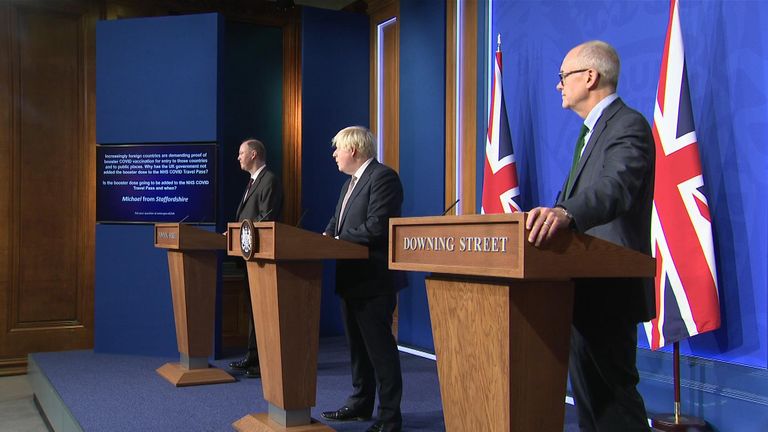
So, we're going to have to tighten up again. Here's the press release from 10 Downing Street (2.5 pages): "Face coverings will be made compulsory in shops and on public transport from next week." How is the public going to take to this? I wondered yesterday about renewed daily acceptance of the WHO's advice "to take measures to reduce the risk of COVID-19, including proven public health and social measures such as wearing well-fitting masks, hand hygiene, physical distancing, improving ventilation of indoor spaces, avoiding crowded spaces, and getting vaccinated." Chris Whitty expressed his concern two days ago: "My greatest worry at the moment is that people ... if we need to do something more muscular at some point, whether it's for the current new variant or at some later stage, can we still take people with us? I think the extraordinary thing has been the ability of the UK population, with very, very small exceptions, to just accept that there are things we collectively have to do to protect one another and do collectively, including things that have been very destructive to social and economic situations for individuals and families. Obviously, we want to avoid having to do those at all if we can, and to do the minimum ones necessary, but will we be able to maintain public support? And I think my overall view is, I think we will." I wonder. We're anxious about the viability of son Nikko's visit from Vienna next weekend. He's only planning to be here for the inside of three days. Will that be possible given the restriction announced in the press release: "All international arrivals must take a Day 2 PCR test and self-isolate until they receive a negative result"? Now for the small print: What's happened to the climate emergency? |
||||||||||||||||||||||||||||
|
Saturday 27th November |
||||||||||||||||||||||||||||
Is this a game-changer? It's at least a game-shifter.

The WHO issued a statement yesterday, "Classification of Omicron (B.1.1.529): SARS-CoV-2 Variant of Concern": "The B.1.1.529 variant was first reported to WHO from South Africa on 24 November 2021. The epidemiological situation in South Africa has been characterised by three distinct peaks in reported cases, the latest of which was predominantly the Delta variant. In recent weeks, infections have increased steeply, coinciding with the detection of B.1.1.529 variant. The first known confirmed B.1.1.529 infection was from a specimen collected on 9 November 2021. "This variant has a large number of mutations, some of which are concerning. Preliminary evidence suggests an increased risk of reinfection with this variant, as compared to other VOCs. The number of cases of this variant appears to be increasing in almost all provinces in South Africa. Current SARS-CoV-2 PCR diagnostics continue to detect this variant. Several labs have indicated that for one widely used PCR test, one of the three target genes is not detected (called S gene dropout or S gene target failure) and this test can therefore be used as marker for this variant, pending sequencing confirmation. Using this approach, this variant has been detected at faster rates than previous surges in infection, suggesting that this variant may have a growth advantage." Here's the full statement (2.5 pages), containing further explanations about Variants of Interest (VoI) and Variants of Concern (VoC), and recommended actions: South Africa is miffed at the UK suspending flights immediately, claiming that it is being punished for the excellence of genomic surveillance by its Centre for Epidemic Response and Innovation in Stellenbosch. The FT/Johns Hopkins chart of new per-100k case rates in the last week in South Africa and other nations on the updated red list, contrasted with the UK, appears to suggest the potential for resentment (click to enlarge). 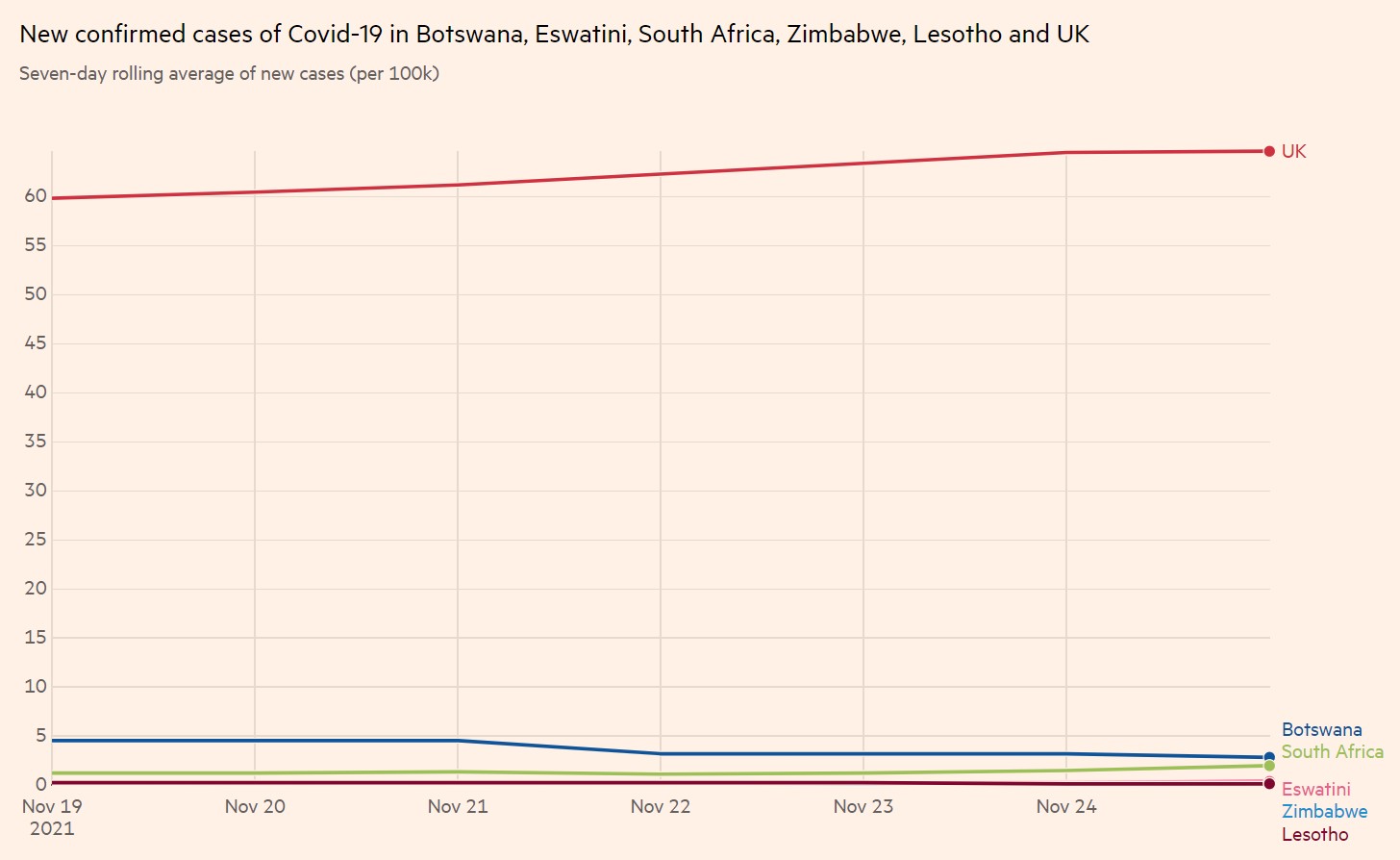
But this is a new variant threat, and the UK government was heavily criticised for inadequate border control at the beginning of the pandemic. The big question is how much Omicron will challenge existing vaccine protection. BioNTech is on the case: "We understand the concern of experts and have immediately initiated investigations on variant B.1.1.529. We expect more data from the laboratory tests in two weeks at the latest. Pfizer and BioNTech have taken actions months ago to be able to adapt the mRNA vaccine within six weeks and ship initial batches within 100 days in the event of an escape variant. To that end, the companies have begun clinical trials with variant-specific vaccines (alpha and delta) to collect safety and tolerability data that can be provided to regulators." It's going to be a scramble, isn't it? Is it also a glimpse of the future, one that has worried us for a while? Covid is canny. Will we be locked into a perpetual defence against the threat it poses, its sinuous ability to mutate? In its statement, the WHO has a familiar list of "learn to live with it" recommendations for the general public: "Individuals are reminded to take measures to reduce their risk of COVID-19, including proven public health and social measures such as wearing well-fitting masks, hand hygiene, physical distancing, improving ventilation of indoor spaces, avoiding crowded spaces, and getting vaccinated." I see only patchy evidence of a will to continue with these precautions in Stroud. |
||||||||||||||||||||||||||||
|
Friday 26th November |
||||||||||||||||||||||||||||
|
Today's post isn't directly about climate change, but connected. It's a tale of slow pace of life, affinity with nature, sustainable food, the damage we've done to the seas - and a hint at how we might behave better.
I've just finished a book titled "With Net and Coble: A Salmon Fisher on the Cromarty Firth". It's written by an old friend, George Chamier, published last month. 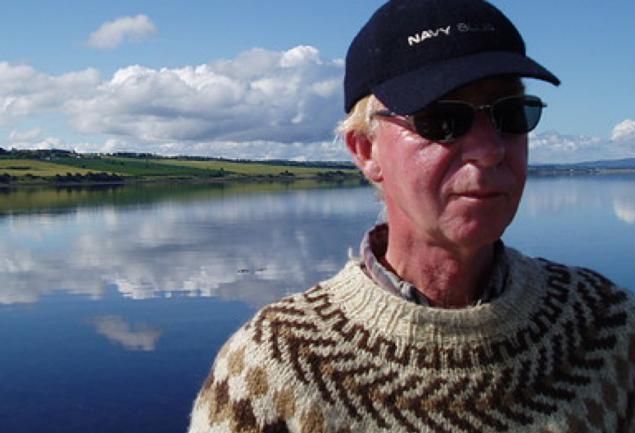
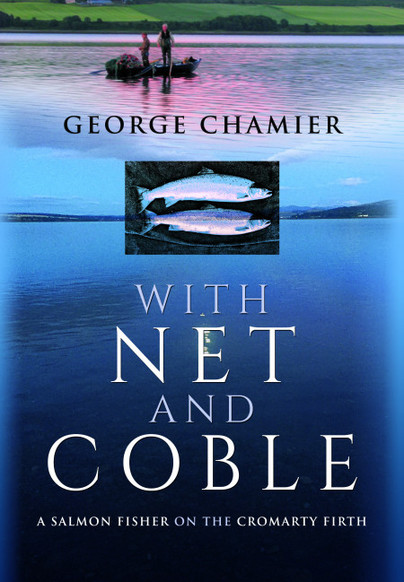
The publisher Pen & Sword Books describes it well: "An ancient and environmentally friendly method of catching salmon, by spotting them in the water and taking them with 'net and coble' [a coble is a flat-bodied, wide-bottomed rowing boat], unique to the Cromarty Firth, was recently banned by the Scottish government. The men who knew this way of fishing are no longer young, and there is every risk of their centuries-old techniques dying with them. "So it is fortunate that a practitioner of the craft for over fifty years has drawn on his knowledge and experience to paint a rich picture of this fishing, the firthland itself and the history of salmon netting. He describes great fishing days, the life of the fishing bothy and the characters who inhabited it. He takes the reader through the fish's life cycle and discusses declining catches and the threats to the wild salmon's future. His and his fellow netsmen's respect for this legendary fish and their love of the firth and its wildlife shine through." I sent an email to George yesterday to thank him: "Here's a list of pleasures taken from the book:
"One thing is certain: I shall never again buy salmon from the supermarket slab."
This last point is important. George describes the vertiginous decline of salmon stocks since his early hey-day, the modern criminalisation of the traditional net and coble art and its exclusive replacement by recreational rod-fishing. He talks of the horrors of salmon-farming and its pollution of the firths with artificial feeds and faeces, and the flabby fish produced, thousands of which escape the cages and cannot survive the wild ocean. Then there's the plague of plastic particulates that poison them and us. So, behind the story of the "craic" at the "fishings", there are lessons of a better way to live, in community with fellow humankind and in harmony with nature. |
||||||||||||||||||||||||||||
|
Monday 22nd November |
||||||||||||||||||||||||||||
Coronavirus update and review. Here are the FT/Johns Hopkins new cases charts for this calendar year in selected countries/regions, both raw numbers and per-100k (click to enlarge):
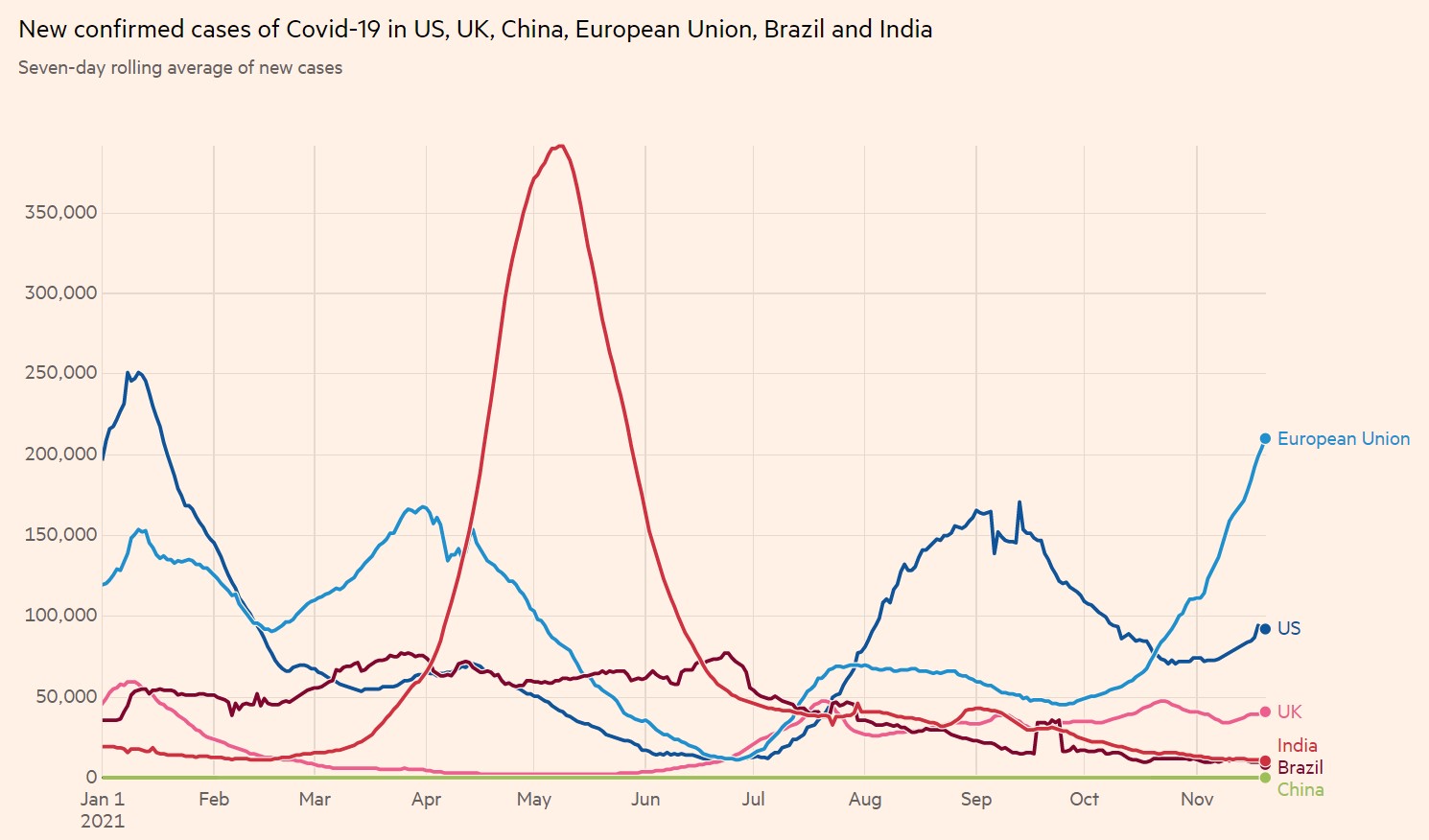
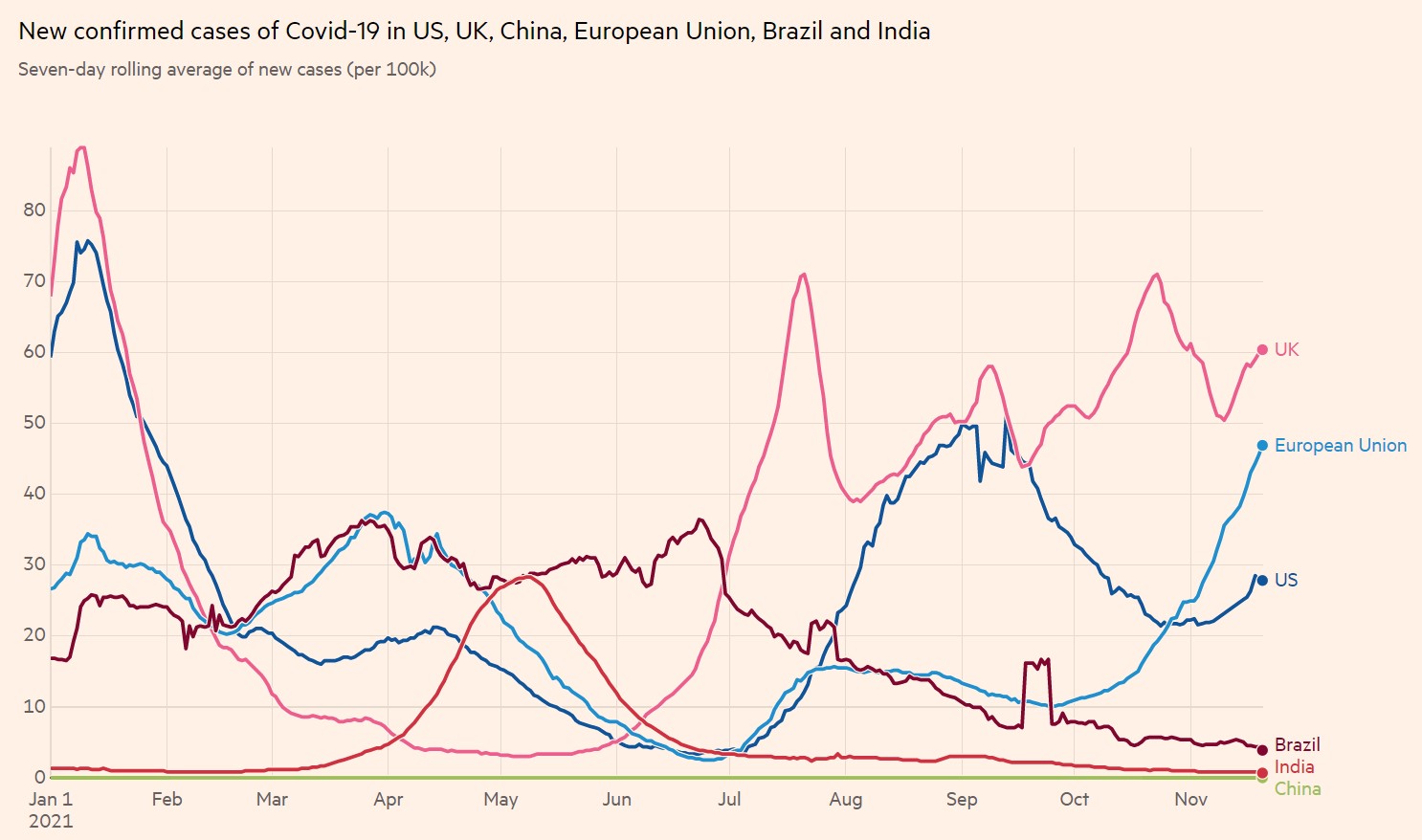
Both charts show that the EU has a problem. China doesn't get off the bottom. India has long recovered from the May surge. The UK, from the per-100k graph, is not "out of the woods", but displays no pronounced spike that would encourage the government to adopt Plan B. Any news of climate action? @COP26 tweeted: 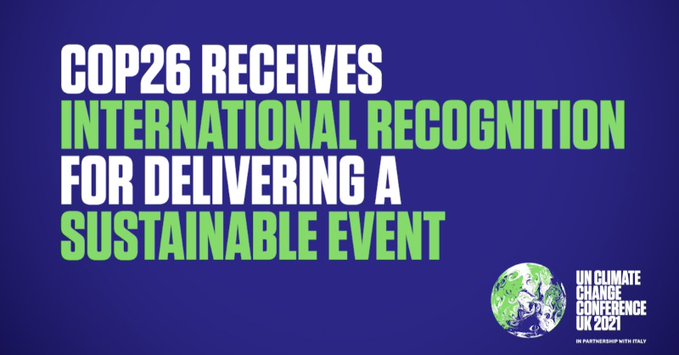
Big deal. That will avert climate catastrophe, won't it? Blah-blah-blah. |
||||||||||||||||||||||||||||
|
Sunday 21st November |
||||||||||||||||||||||||||||
|
Following on from yesterday's blog, here are some responses from the "other side" to the news of tomorrow's lockdown and compulsory vaccination programme in Austria, all posted on Twitter.
First, Nat (@Arwenstar). Her Twitter introductory biog tells us: "Bookworm - NCTJ Qualified Journalist - anti-Woke - no interest in MSM - French but Britain is my home - Pro Free Speech - Patriot 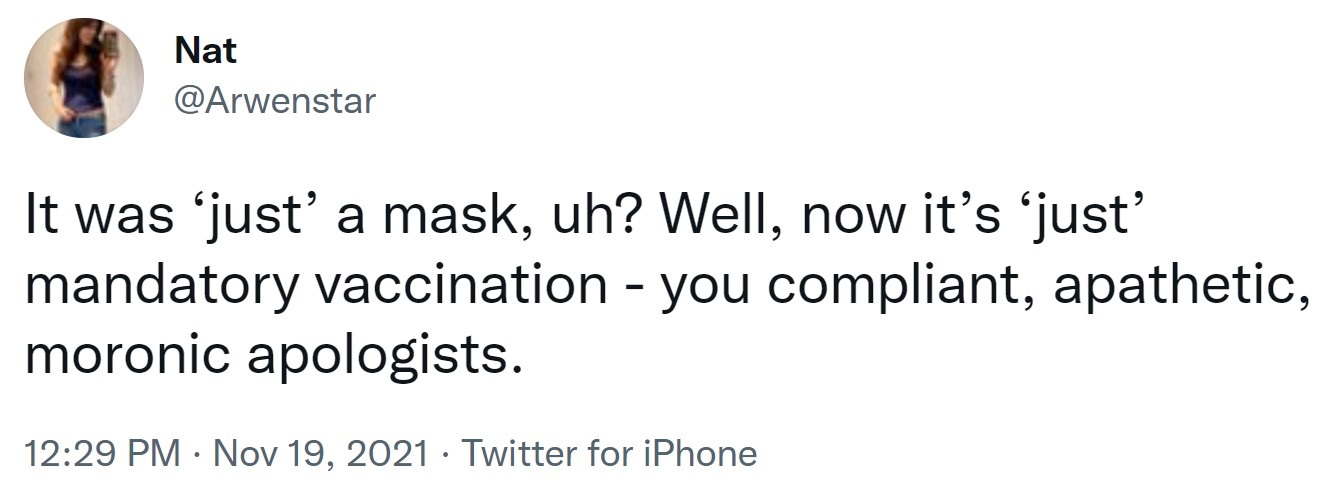
Next, Peter Sweden (@PeterSweden7). Twitter biog: "Swedish journalist - Political commentator - Supporter of freedom, kindness and liberty". Wikipedia has this: "Peter Imanuelsen (born September 27, 1994), better known as Peter Sweden, is a far-right speaker, activist and a huge wanker. Imanuelsen was originally a Holocaust denier, white nationalist, extreme-homophobe, Islamophobe and conspiracy theorist crank who has written that Jews and the Vatican are behind a New World Order." 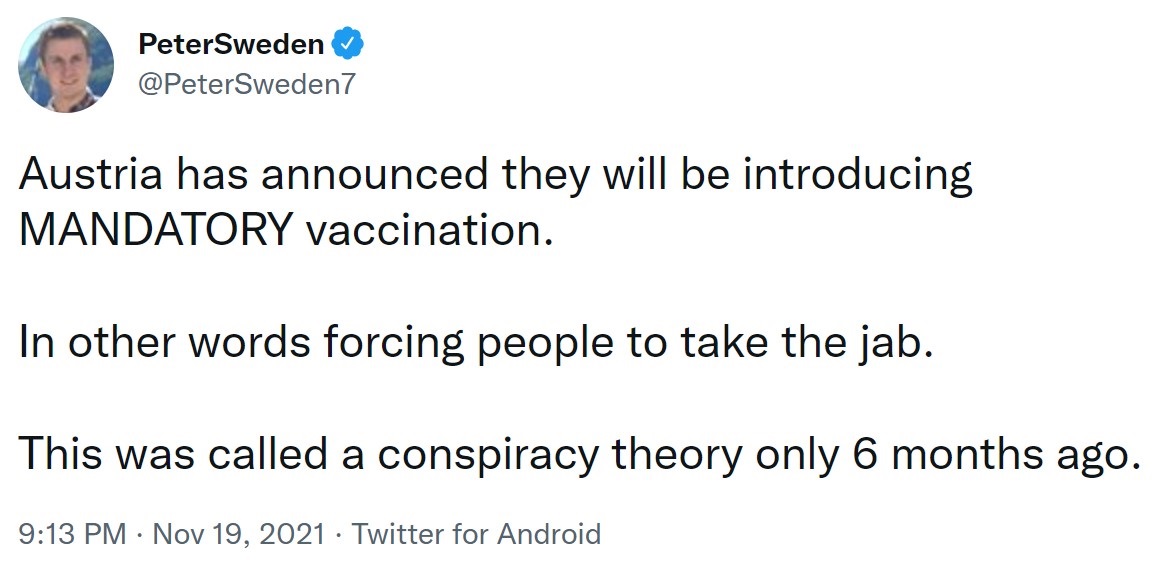
Silkie Carlo (@silkiecarlo). Twitter biog: "Director of @BigBrotherWatch. Boards: @RepublicStaff, @WorkerInfoX. Animal lover. Buddhist, fighting for a freer future for all. Views = my own." 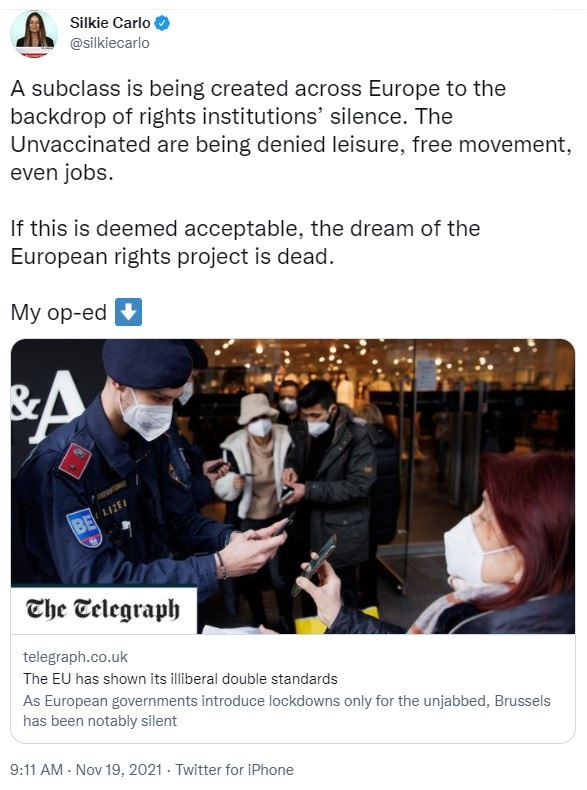
Here's another topic that has attracted the attention of the freedom tweeters. PLC (@Humble_Analysis). Twitter biog: "Noone special". 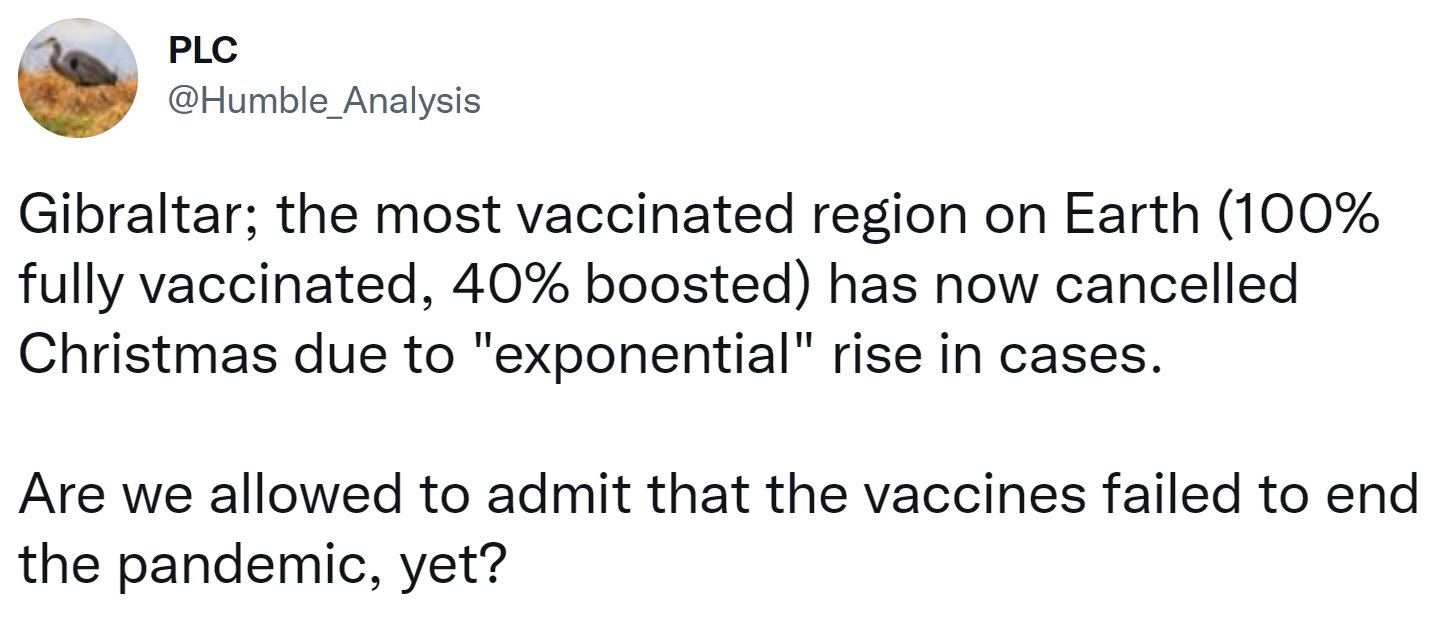
Covid cases have rocketed in Gibraltar. Here's the FT/Johns Hopkins chart of new-cases-per-100k covering the last two months in the UK, the EU and Gibraltar (click to enlarge): 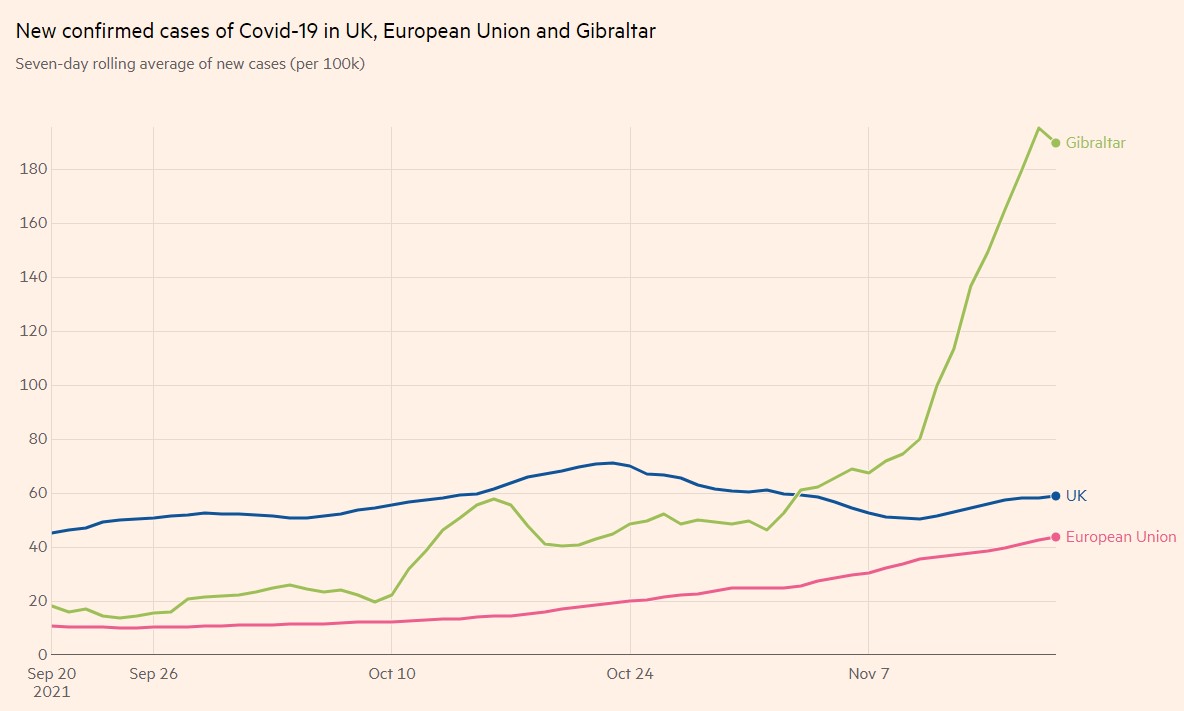
Here's the Our World in Data vaccination status report for the same three places (click to enlarge): 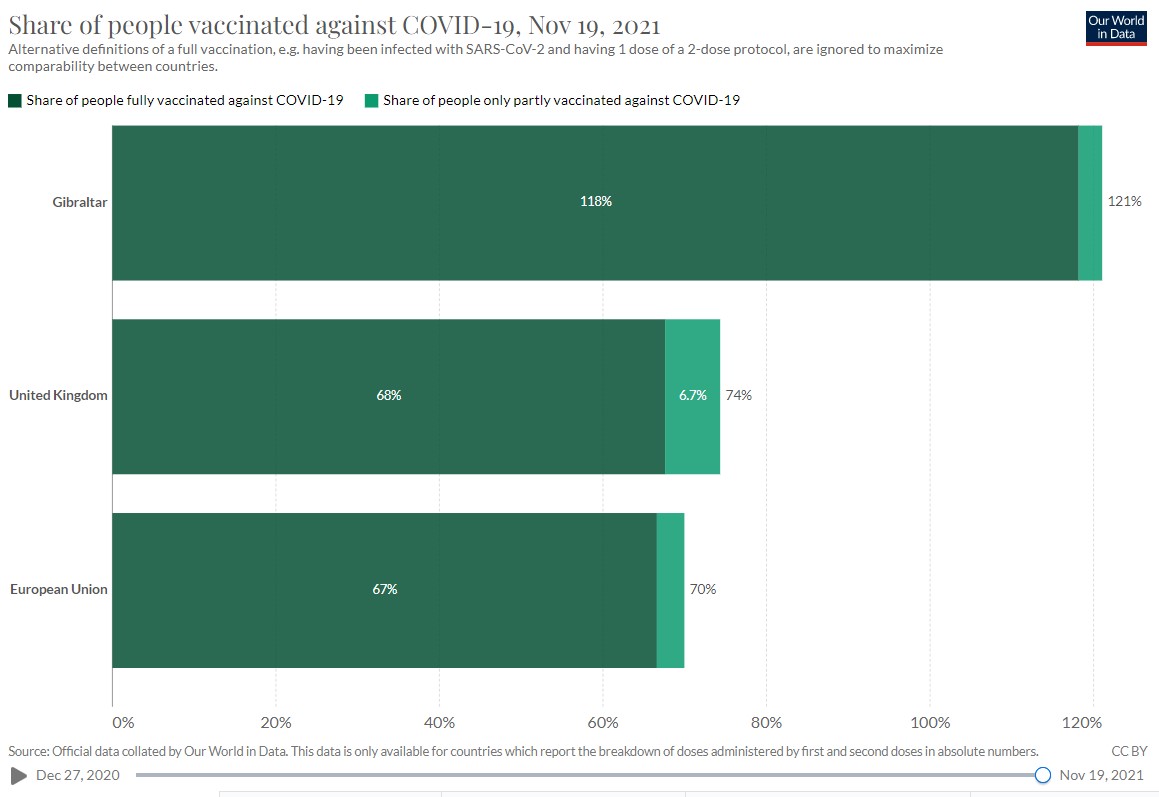
What's going on there? However, there are no government plans to abandon vaccinations. The Minister for Health, the Hon. Samantha Sacramento, said: "The drastic increase in the numbers of people testing positive for COVID-19 in recent days is a stark reminder that the virus is still very prevalent in our community and that it is the responsibility of us all to take every reasonable precaution to protect ourselves and our loved ones. The vaccination programme for 12-15 year olds and the booster vaccination programme are now underway, and Gibraltar received 4680 more doses this week. Everyone who is eligible for a vaccine or a booster is strongly encouraged to take up the offer when they are called." |
||||||||||||||||||||||||||||
|
Saturday 20th November |
||||||||||||||||||||||||||||
Son Nikko and granddaughter Ellie visited a castle outside Vienna last week and enjoyed a mistletoe kiss.
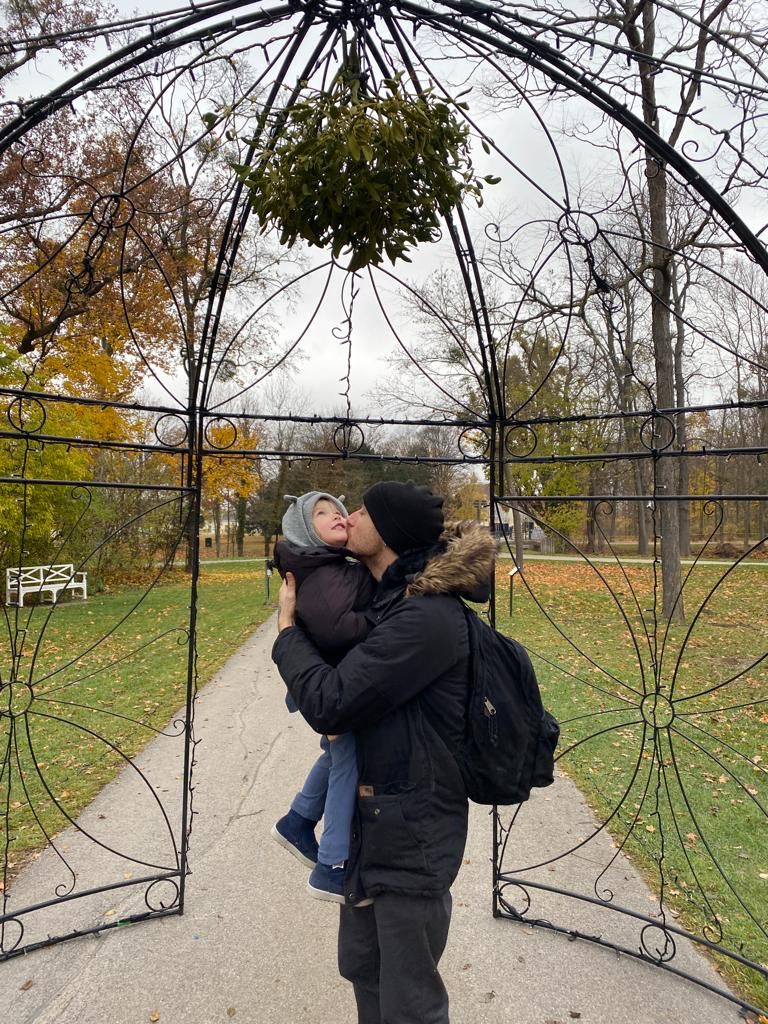
It may be their last excursion for a while. A full national Covid-19 lockdown starts in Austria on Monday. It's not the only country affected. Here's the FT/Johns Hopkins new-cases-per-100k chart for selected European states over the last two months (click to enlarge): 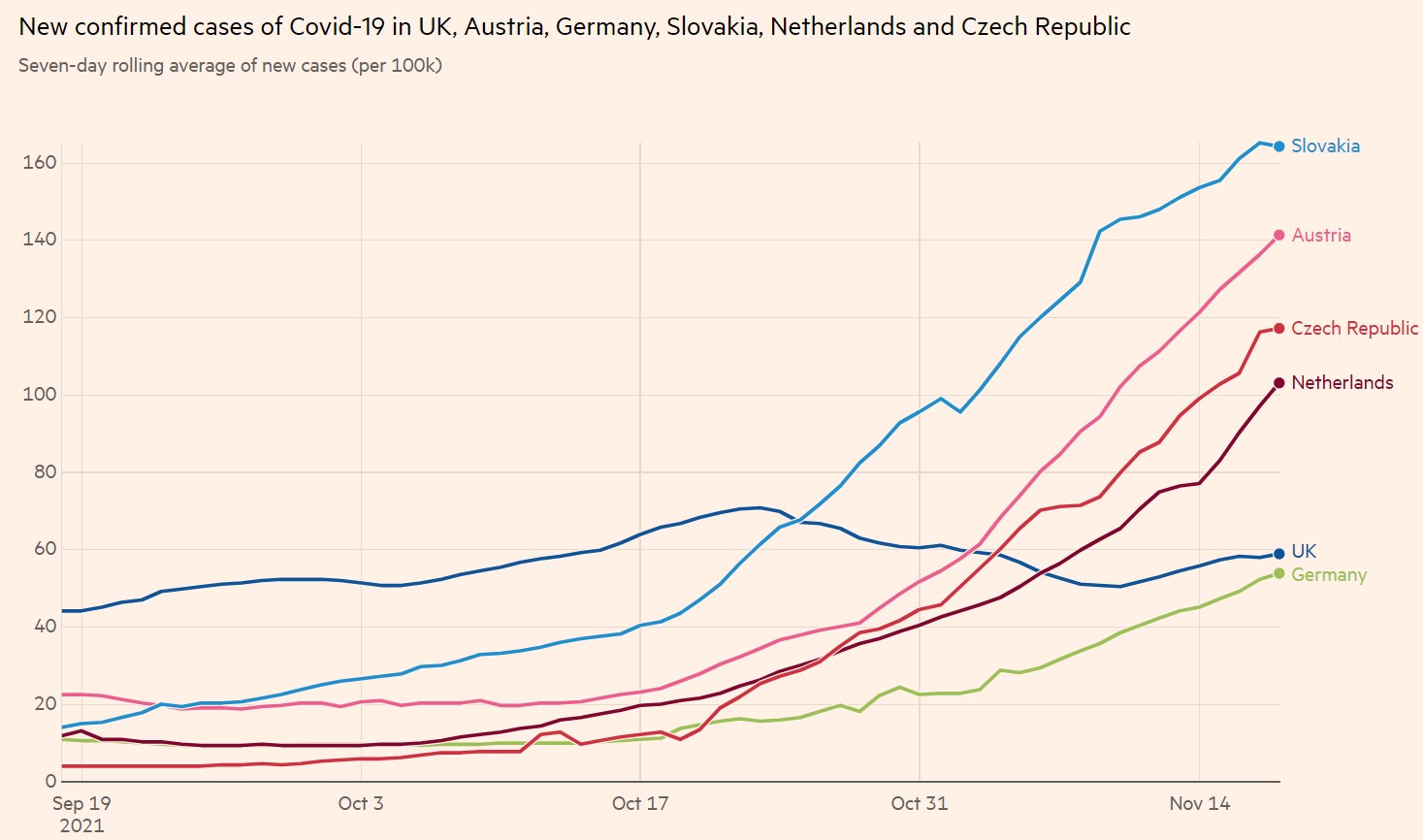
Austrian Chancellor Alexander Schallenberg has clearly lost patience with the antivaxxers and vaccine-hesitant: "In reality we have told one third of the population: you will not leave your apartment anymore except for certain reasons. "For a long time - maybe too long - I and others assumed that it must be possible to convince people in Austria to voluntarily get vaccinated. We therefore have reached a very difficult decision to introduce a national vaccine mandate. We will initiate countrywide compulsory vaccination." Nikko and Ellie are scheduled to arrive chez nous on Christmas Eve. There are no countries on the red list at the moment and the amber list was scrapped in October. We're hoping that the UK doesn't introduce any barriers to visitors from Austria before the festivities. It's ironic that Austria relaxed its exclusion of UK nationals only three months ago, enabling Sarah to visit Vienna for the first time in two years. Tables turned. |
||||||||||||||||||||||||||||
|
Friday 19th November |
||||||||||||||||||||||||||||
|
One of the major disappointments of COP26 was the degree to which India didn't join the debate. The country was not a signatory to the "Global Coal to Clean Power Transition Agreement".
The World Health Organization (WHO) reports that India has the 14 most polluted cities in the world. This week the dire air quality in Delhi forced schools to send children home. 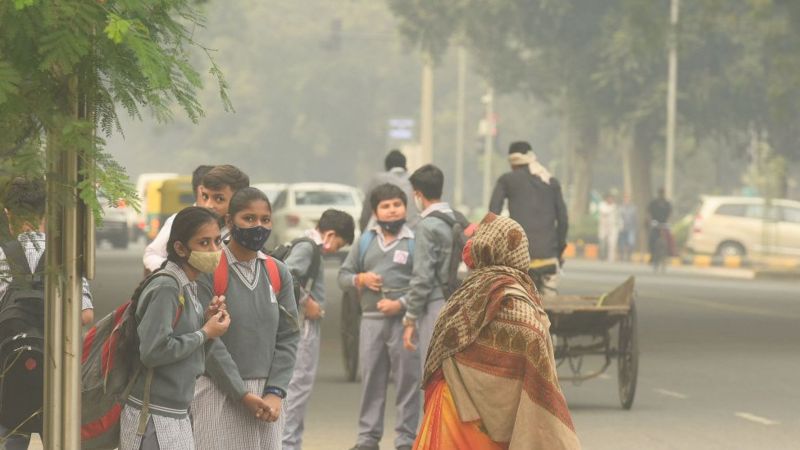
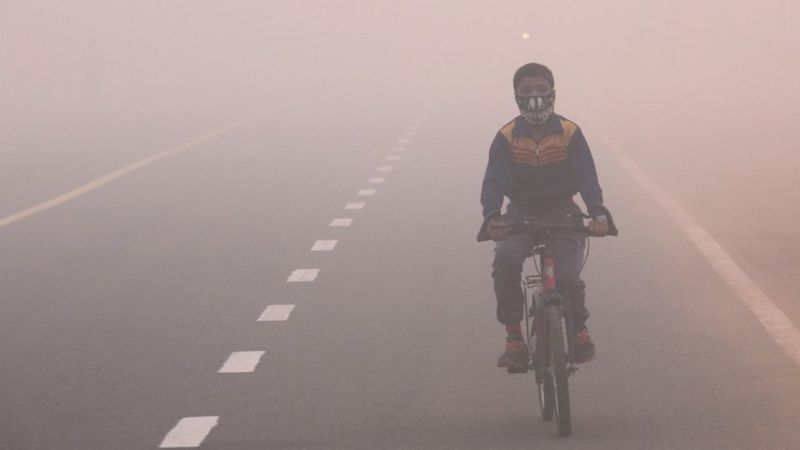
BreatheLife is a global campaign that mobilises cities and individuals to take action on air pollution to protect health and the planet. The campaign is led by the WHO, the UN Environment Programme (UNEP) and the Climate & Clean Air Coalition (CCAC). It publishes the air status of participating cities. I always think Bristol is pretty grubby when I go there, but contrast the city with Delhi. 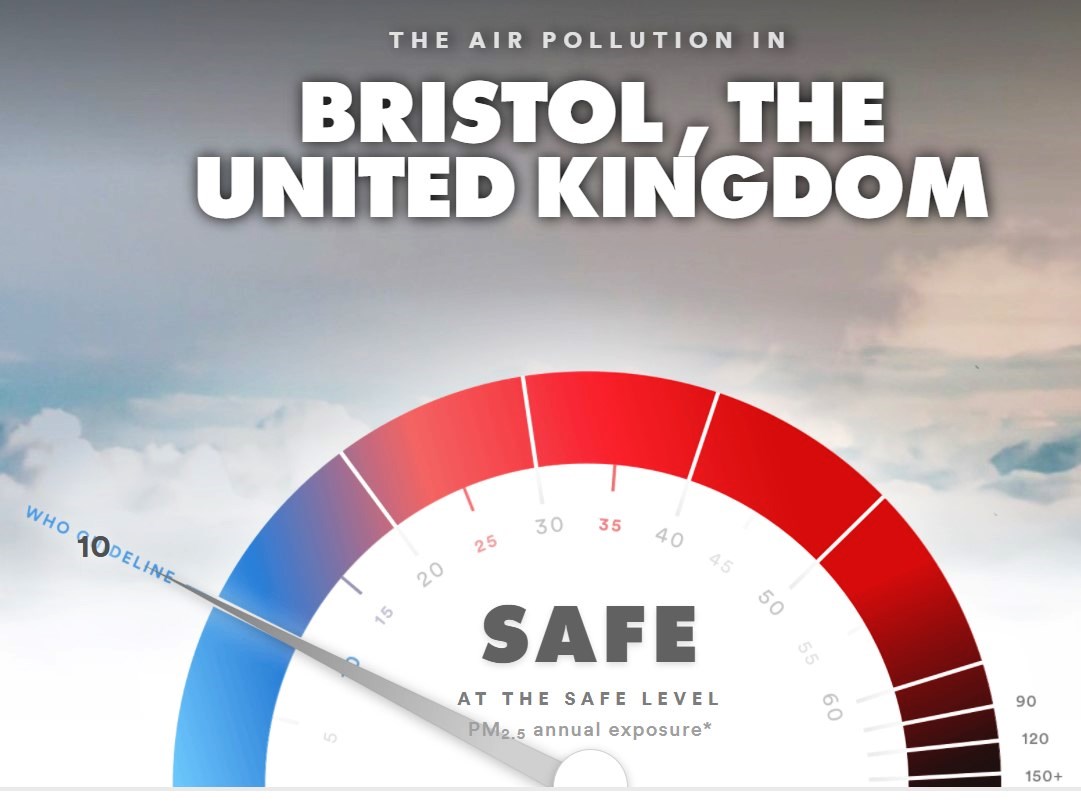
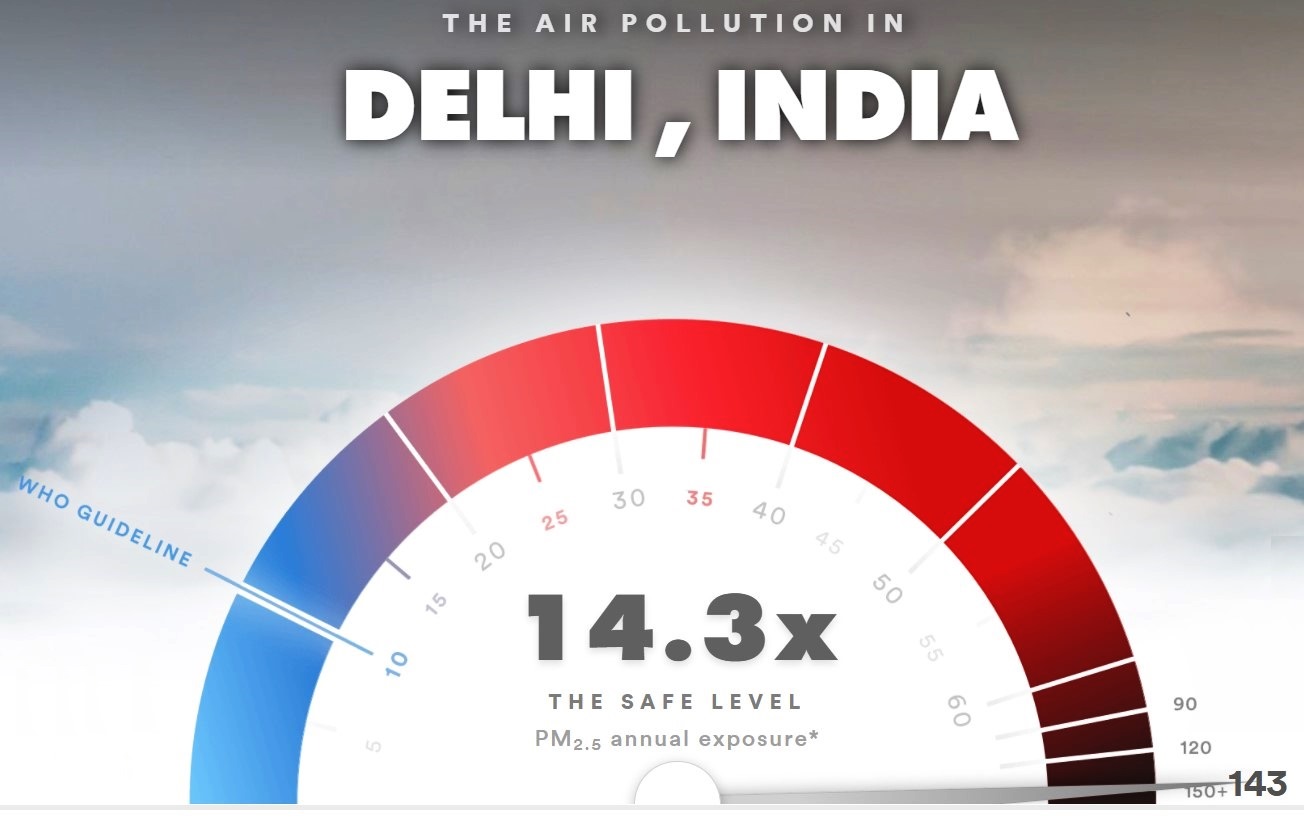
As you can see above, the safe level of PM2.5 is 10 µg/m3, the concentration of particulates in micrograms (one-millionth of a gram) per cubic metre of air. The WHO explains the tracking that it performs: "More than 4300 cities in 108 countries are now included in WHO's ambient air quality database, making this the world's most comprehensive database on ambient air pollution. Since 2016, more than 1000 additional cities have been added to WHO's database which shows that more countries are measuring and taking action to reduce air pollution than ever before. The database collects annual mean concentrations of fine particulate matter (PM10 and PM2.5). PM2.5 includes pollutants, such as sulfate, nitrates and black carbon, which pose the greatest risks to human health. WHO air quality recommendations call for countries to reduce their air pollution to annual mean values of 20 µg/m3 (for PM10) and 10 µg/m3 (for PM2.5)." As with the inequity of global coronavirus vaccine distribution and the general impact of climate change, there's a rich-poor divide. Dr. Tedros Adhanom Ghebreyesus, Director-General of the WHO, says: "Air pollution threatens us all, but the poorest and most marginalized people bear the brunt of the burden. It is unacceptable that over 3 billion people - most of them women and children - are still breathing deadly smoke every day from using polluting stoves and fuels in their homes." The glitterati of Mumbai can afford to change their ways, but it's a different matter for most of India's population. There are pockets of progress. The WHO again: "In just two years, India's Pradhan Mantri Ujjwala Yojana Scheme has provided some 37 million women living below the poverty line with free LPG connections to support them to switch to clean household energy use." As Obama said in his address to COP26, we need to listen with respect to those who are threatened by the requirement to alter their behaviour. "We have to think about the mother in India who, yes, will suffer droughts and floods made worse by climate change, but whose more immediate concern is getting electricity so her children don't have to sit in the dark every night and can't do their homework. That's not a ... You can't dismiss that concern." |
||||||||||||||||||||||||||||
|
Thursday 18th November |
||||||||||||||||||||||||||||
I received an Alumni Newsletter email yesterday from my alma mater - or one of them - the Institute of Education (IoE), now part of University College London (UCL). A link in the email took me to the blog of the university's Professor Ken Spours. Five days ago he posted an assessment of the UK's current political situation titled "Is the Tory political bloc finally in decline?"
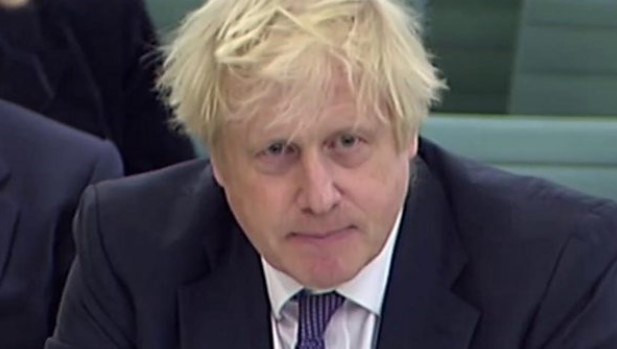
I felt this was worth a look - a kind of mid-term reflection - as we witness the floundering of Boris Johnson's government in the face of recent and current challenges: the COP26 fiasco, which he declared a historic success; the Owen Paterson U-turn, now extended into the PM's call for a ban on consultancy jobs and censure for MPs who fail to put constituents first; a surge in the cost of living of 4.2% in the 12 months to October, the highest rate in almost 10 years; speculation around the use of Article 16 of the Northern Ireland Protocol; and Boris being told off by the Speaker of the House of Commons. Professor Spours wrote: "The Conservatives have been comfortably ahead in the opinion polls since their General Election victory in December 2019. As this chart [credited to Wikipedia's 'Opinion polling for the next United Kingdom general election', a poll-of-polls - click to enlarge] shows, Johnson's Tories have enjoyed two years of political dominance with only a short period at the end of 2020 when Starmer's Labour threatened to draw level. But following a period of the 'vaccine bounce', the parties are now broadly level pegging, with one poll (13 Nov) giving Labour a six-point lead. 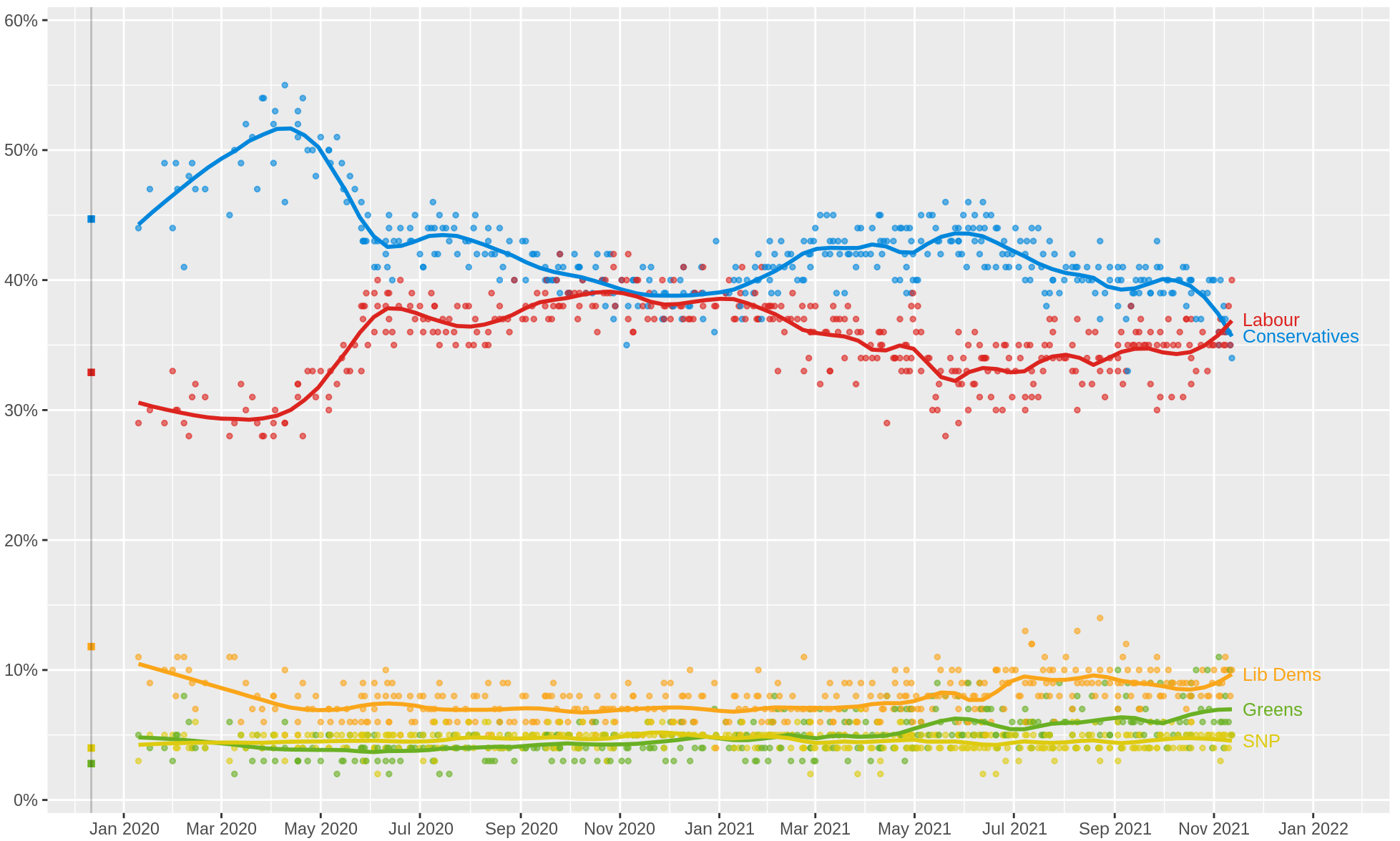
"While the Tory's electoral popularity has been falling gradually for the last six months as has Johnson's own ratings, following weeks of negative headlines and political attacks around accusations of sleaze, they now find themselves in a new and potentially difficult situation. On top of this is a looming cost-of-living crisis. But it has to be remembered that the Tories are still level pegging despite weeks of negative headlines. Their ideological grip on important voter blocs has not been broken. Put another way, the Brexit Window that has served them so well electorally has not closed and they will work hard to breath more life into the Brexit era. "Digging down into the latest poll data reveals a complex picture. Important for the Tories, their hold on the older voter remains intact - and it is worth remembering that older voters are more likely to participate in elections. However, the wider political party picture suggests that the scope of the 'regressive alliance' (the amalgam of Tory and Brexit Party/UKIP voters that has proven crucial to Tory success in recent years) has shrunk to under 40 per cent, down from over 50 per cent during the lead-up to Brexit. The Tories can no longer draw on a far-right voter reservoir. Conversely, Labour's latest advance has not been at the expense of the Lib Dems and Greens, who have broadly held their voting intentions. The size of the progressive voting bloc is absolutely critical. Even if Labour manages to hold voting intentions at about 40 per cent or even slightly above it is still going to need political collaboration with the Liberal Democrats, Greens and the Scottish and Welsh Nationalists to create the possibility of a sustainable progressive government." I still can't see Labour making a significant dent in Boris's "Teflon Man" slippery good fortune. If he is damaged, Rishi is waiting in the wings. The persistent weakness of Labour is the absence of policies to differentiate the party from the Tories. Boris appropriates Labour themes. Keir Starmer tries desperately to make something of the Owen Paterson debacle; Boris launches his own assault on MP second jobs. This government has spent like Attlee. 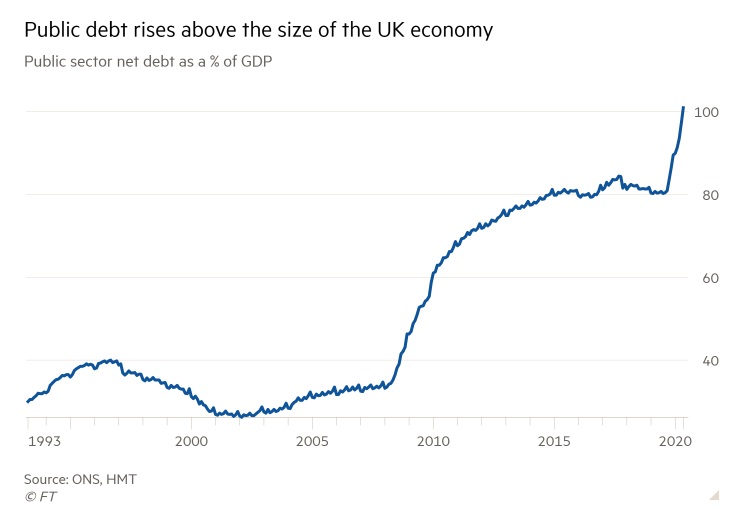
|
||||||||||||||||||||||||||||
|
Wednesday 17th November |
||||||||||||||||||||||||||||
|
Four days have passed since the close of COP26 and where has the emergency gone? I scanned the headlines of the BBC and CNN websites last night and none of them mentioned climate.
I've only seen updates on Twitter - because I follow @COP26, @ExtinctionR and other related feeds. Here is yesterday's COP26 official tweet: 
An 'ask'? Is that it, really? No wonder Extinction Rebellion Deep Water tweeted this: 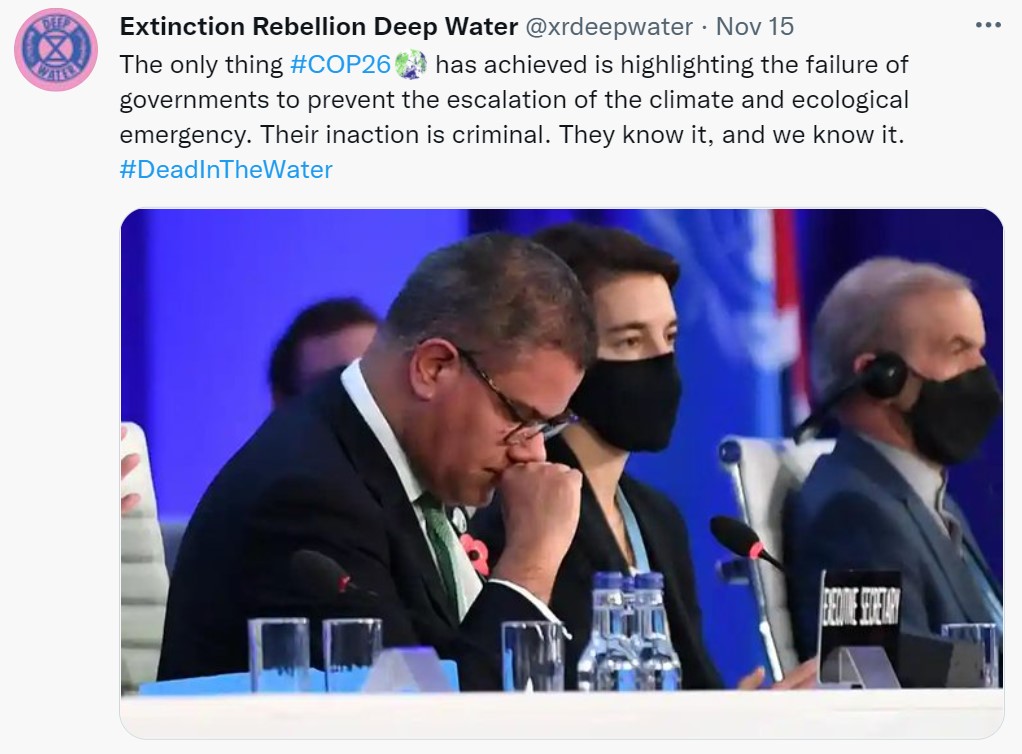
I have no sense of how action to combat Antonio Guterres's "climate catatrophe" will now be taken. How does the Glasgow Climate Pact force governments to take the steps necessary to halt and repair years of damage within the next decade? From the evidence we have, it doesn't. The only way I can think of to counteract this abject failure of global leadership is to intensify personal and local efforts. I'm angry at the COP26 risible outcomes. We can't wait for politicians to lead us out of the crisis nor expect vested interests to change their spots. The only thing we can control is our own behaviour. And, as Obama said in his advice to young people a week ago, vote as if your life depended on it (because it does), protest with your wallet and convince the unconverted. |
||||||||||||||||||||||||||||
|
Tuesday 16th November |
||||||||||||||||||||||||||||
|
Today's post may not start with climate issues, but I assure you it gets there in the end.
My Irish correspondent has sent me an update after returning from a visit to her ancestral home in the Emerald Isle. Before I go on, here's a note for Barack Obama about the above soubriquet. I wrote a piece on his address to COP26 a week ago 👇 An otherwise inspirational speech was flawed only by an uncharacteristic failure of geographical accuracy. He seemed to think Glasgow was in Ireland - "Since we're in the Emerald Isles here ..." Sheila Langan writes on the Irish Central website: "The first time the words ever appeared in print in reference to Ireland was in a 1795 poem by William Drennan, titled 'When Erin First Rose'. Drennan, a poet, physician and political radical, was born in Belfast in 1754. Having moved to Dublin in 1789, in 1791 he and his brother-in-law Sam McTier developed a plan for the Society of United Irishmen: 'a benevolent conspiracy; a plot for the people, the rights of man and the greatest happiness of the greatest number; its general end [to achieve] real independence to Ireland; its business [to adopt] every means to accomplish these ends as speedily as the prejudices and bigotry of the land we live in would permit.'" He died in 1820. I particularly like that he had insisted his coffin be carried at the funeral by three Protestants and three Catholics. There you are, Barack, no need to make that mistake again. On with my correspondent's visit report, concentrating on her roots in Ballina, County Mayo. You may remember that she has to share the town with Joe Biden; here is last year's post about his connection: 👇 I was particularly tickled by the photos of the support for Mayo's Gaelic football team shown by Moclairs Pub in Bridge Street. 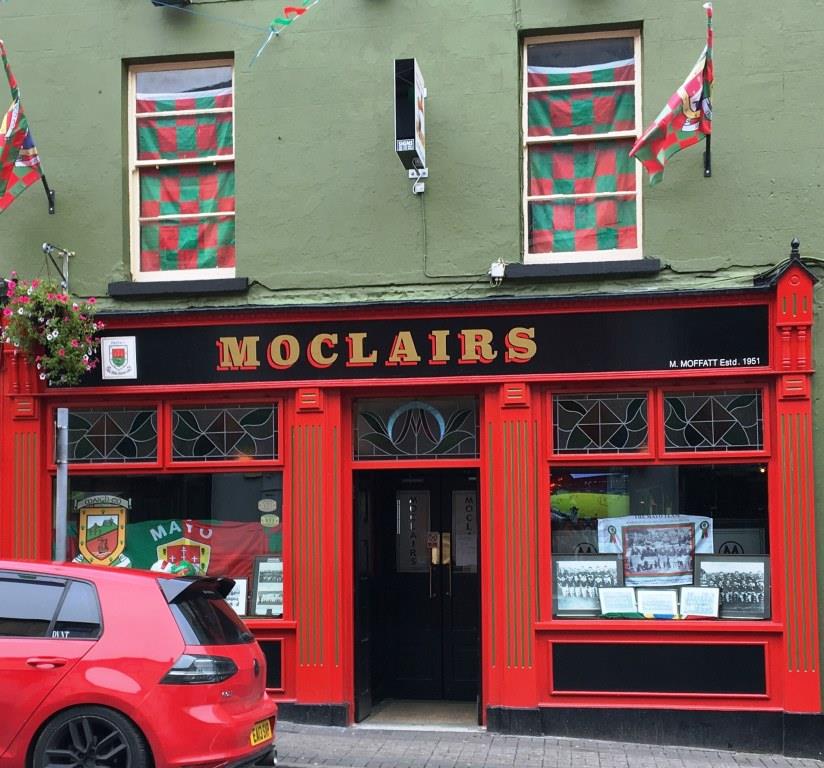

The "Curse of Mayo" remained intact this year when Tyrone clinched the All-Ireland football championship title and the hopes of County Mayo winning their first since 1951 were dashed. The team has reached the final 10 times since that date, but with no success. Legend has it that a curse was placed on the team by an enraged priest after they failed to pay their respects to a funeral they passed on their homecoming journey following the 1951 victory. The side would not win again until all the members of that team had died. Only one player was still alive at the time of this year's final, Paddy Prendergast. Sadly, he died shortly afterwards. Tony O'Connor, chair of Prendergast's home club, Ballintubber, rejected the myth of the curse absolutely: "They were a very religious group of players, who got Mass every morning when in collective training. So the idea of this curse is a load of rubbish. A group of players more likely to respect a funeral you couldn't imagine. Poor Paddy. It was basically hurting him that this was going on. As he said himself, if there were any truth in it, 'I'd roll over and die' but he said there wasn't an iota of substance to it. It was grossly insulting and very unpleasant." Whatever the truth of the matter - and you have to believe Paddy - all eyes will be on Mayo the next time they're in a final. They will have no excuses. Former President of Ireland and Chair of The Elders Mary Robinson was born in Ballina in 1944. The Victorian building that was her birthplace and childhood home is being converted into the President Mary Robinson Centre, Ireland's first Presidential Library - promoting, in the words of the website mission statement, "human rights, gender equality, women's leadership and climate justice". Here's a photo of the architect's model: 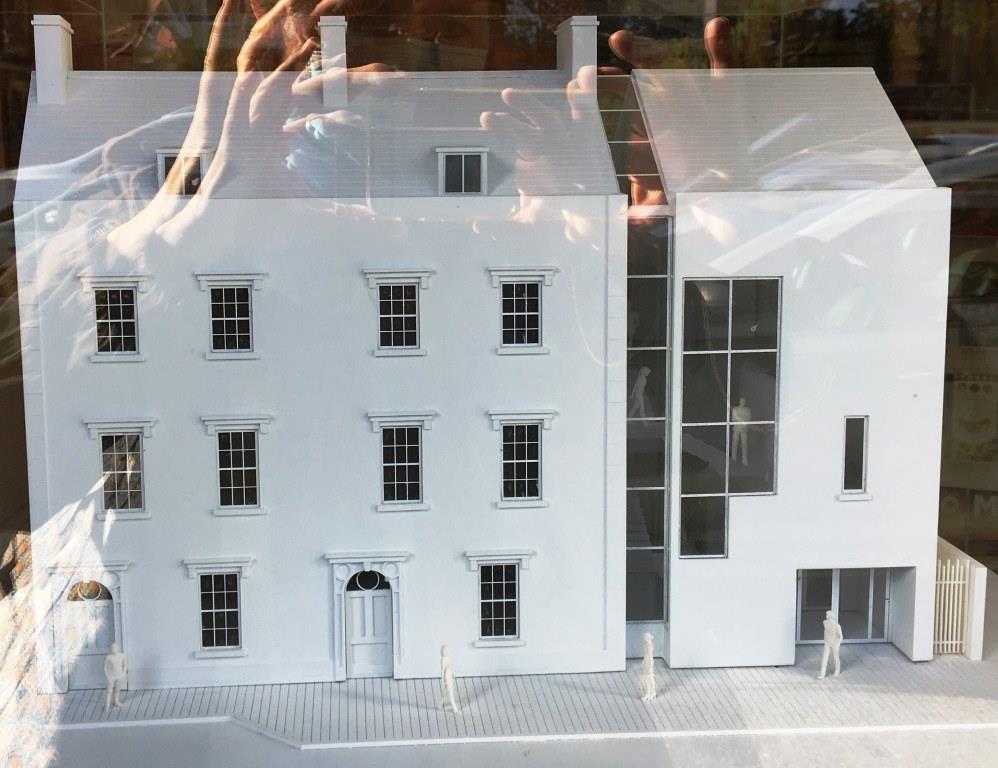
"Ballina Green Town" is an initiative that involves the Mary Robinson Centre, Ballina Chamber, Mayo County Council and the West of Ireland Climate Action Regional Office. Their aim is this: 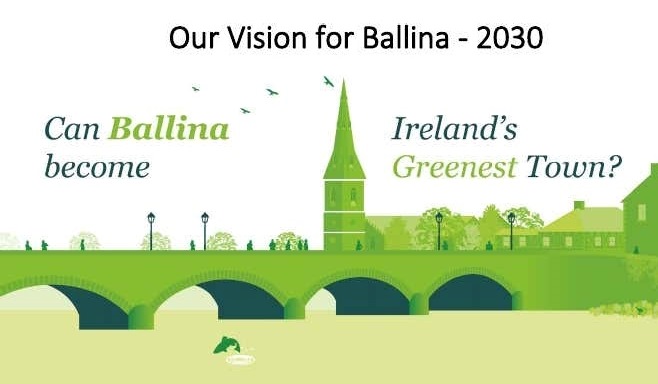
I wonder if this is one way forward after the disappointment of COP26. As I've written often in previous pages of this blog, altering the mindset of ... THE WORLD ... is an ask that almost defies description. But leading by local example, working outwards from a personal commitment rather than inwards from international government agreement? Others might watch and then follow. Harnessing the will of a town of 10,000 souls in Ireland is achievable. |
||||||||||||||||||||||||||||
|
Monday 15th November |
||||||||||||||||||||||||||||
As with the Draft Agreement (see my comments here👇), I've scoured the Glasgow Climate Pact (document posted here👇) for tangible commitment, once again using numbers and dates as prompts. Here are my selections. The statements are preceded by: "The Conference of the Parties ...".
Take a look at the verbs that begin each statement. As noted above, all are preceded by the implied subject "The Conference of the Parties ...". There are 71 statements so the verbs are frequently repeated. Recognizes, welcomes, expresses, stresses, notes, emphasizes, urges, invites, calls upon, encourages, acknowledges, reiterates, endorses, resolves, recalls, takes note of, requests. What do they convey to you? Concern, perhaps - or wish, persuasion, observation of earlier events and agreements? But action? I don't think so. And I thought verbs were "doing" words. Then there's statement 20 which talks of "accelerating efforts towards the phasedown of unabated coal power". That's right, phase-down not -out. "Accelerating" - so going a bit faster. "Efforts" - trying a bit harder. A feeble declaraton of intent without clarity, substance, urgency, drive and impact. Here's the result from applying the same filter of tangibility to the statement from European Commission President Ursula von der Leyen (document posted here 👇):
No wonder UN Secretary-General Antonio Guterres said: "Our fragile planet is hanging by a thread. We are still knocking on the door of climate catastrophe." There is one overall positive. The conference attracted world-wide attention and media coverage. Kyoto passed me by, even Paris to a lesser extent. Not COP26. Like the R number entered public consciousness during the outbreak of coronavirus, we are all now aware of 1.5°C. We have a sharpened view of government responsibility and the effect of our own behaviour. |
||||||||||||||||||||||||||||
|
Sunday 14th November |
||||||||||||||||||||||||||||
|
I need a little time to digest the outcomes of COP26, which I'll have in the next couple of days after family commitments.
This is not a confidence-boosting way to end, is it? Here are some documents to consider: |
||||||||||||||||||||||||||||
|
Saturday 13th November |
||||||||||||||||||||||||||||
|
Rather than wait gloomily for news from COP26 yesterday, I decided to shop local to cheer myself up.
I started with a visit to a Stroudco open day round the corner in the Trinity Rooms centre; suppliers come to show off their wares. Here's an introduction to Stroudco from their website: "Stroudco is your local online grocer for Stroud, Gloucestershire. We are a community interest company (CIC). Our Mission is to be a reliable not-for-profit online supplier of ethical local groceries for people living in or near Stroud. Our Vision is to help tackle the climate emergency by connecting up the local food economy and promoting low-impact shopping. The model is simple: you buy your items through our online shop and have them delivered (within a 10-mile radius) to your door or to collect from our hub at the Trinity Rooms, Stroud. Over 90% of our suppliers are from within 15 miles of Stroud." 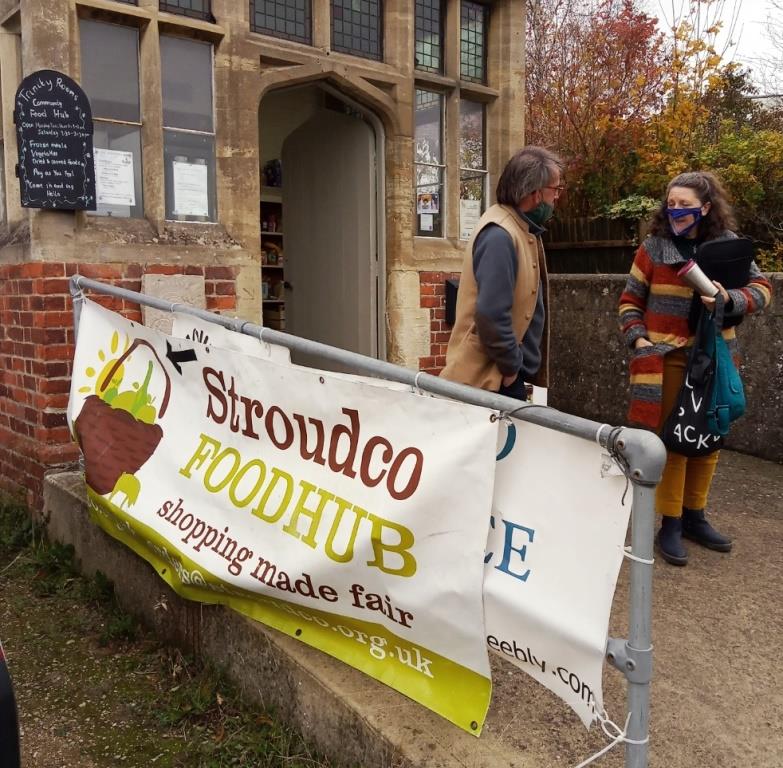
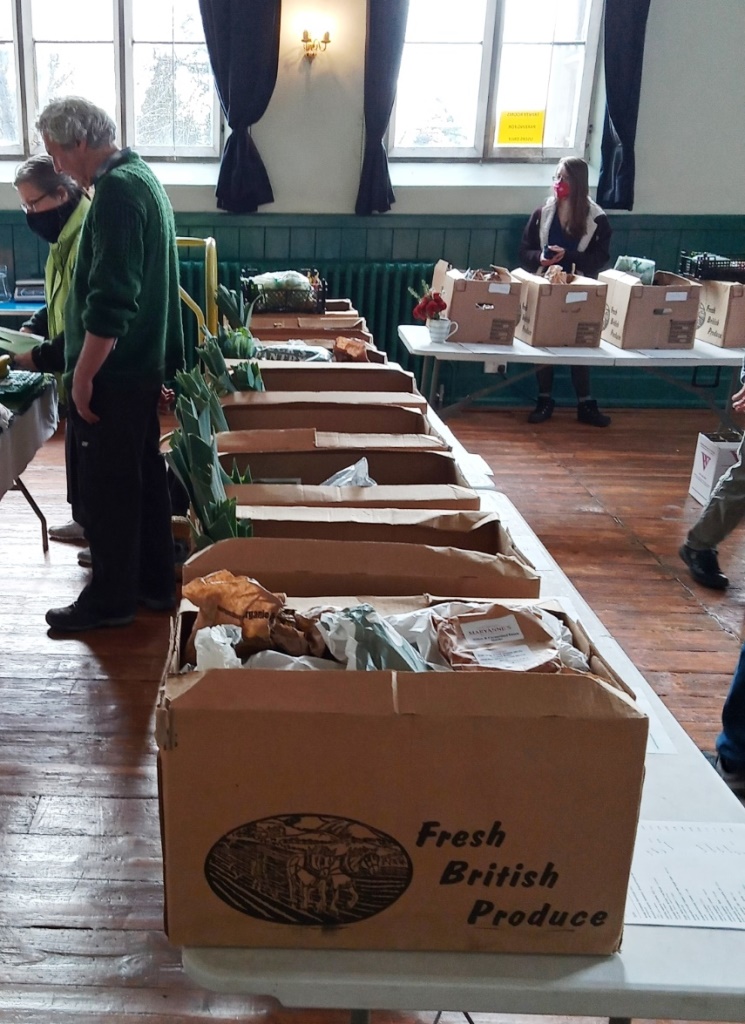
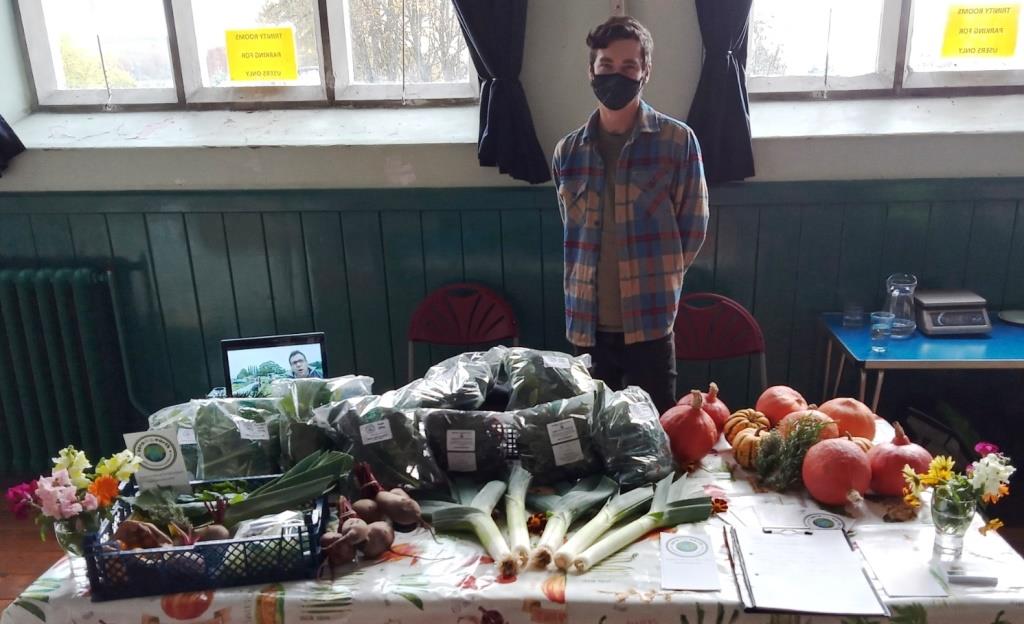
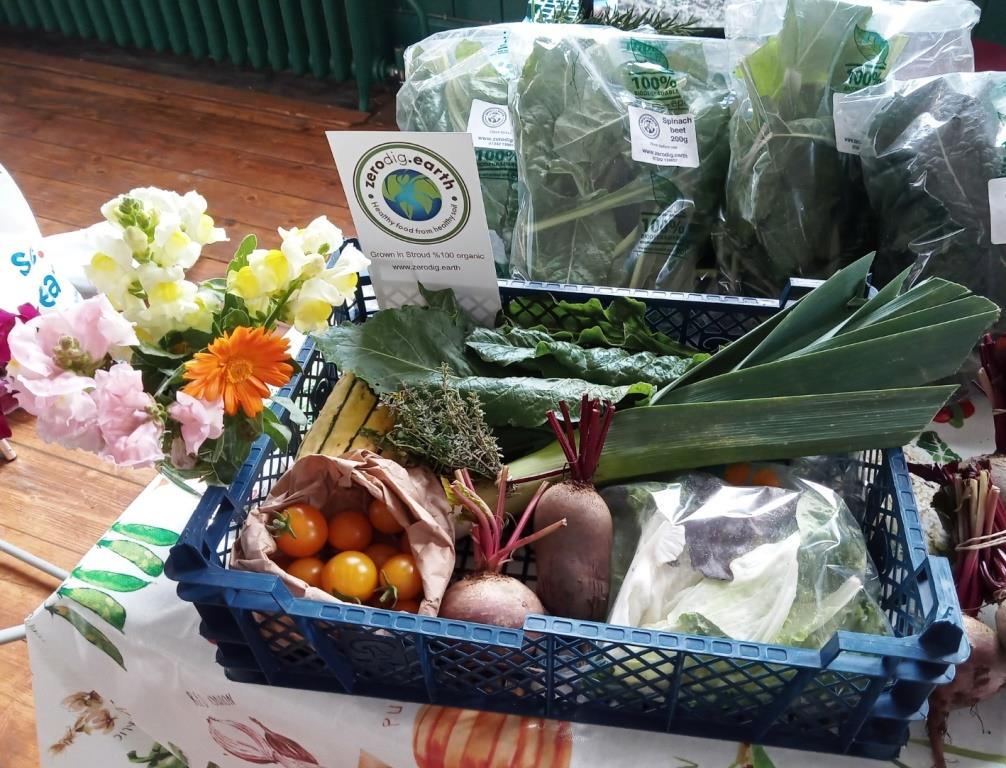
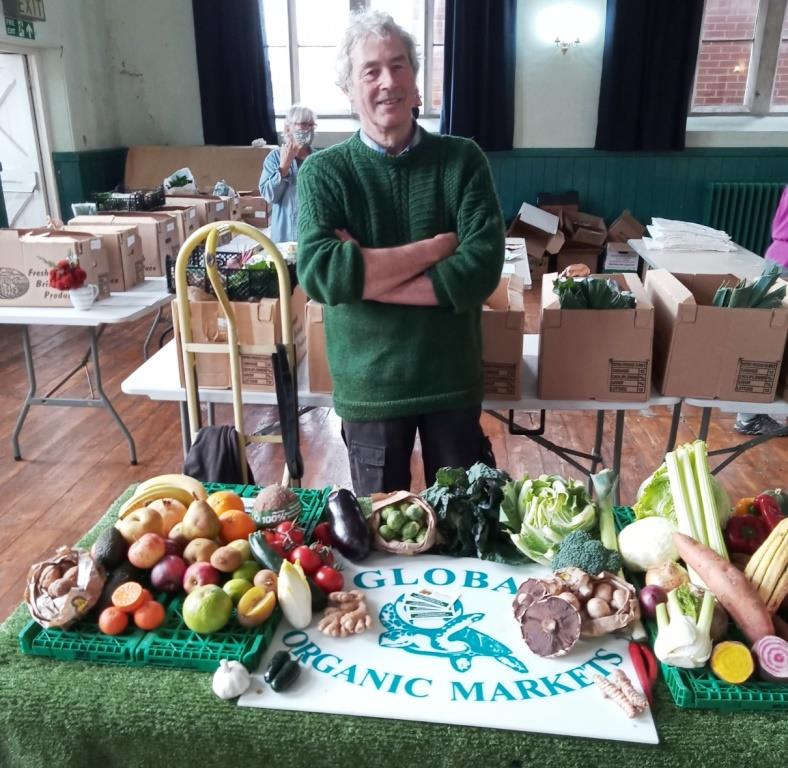
Next, the fishmonger at the Five Valleys Market - for shell-on prawns. 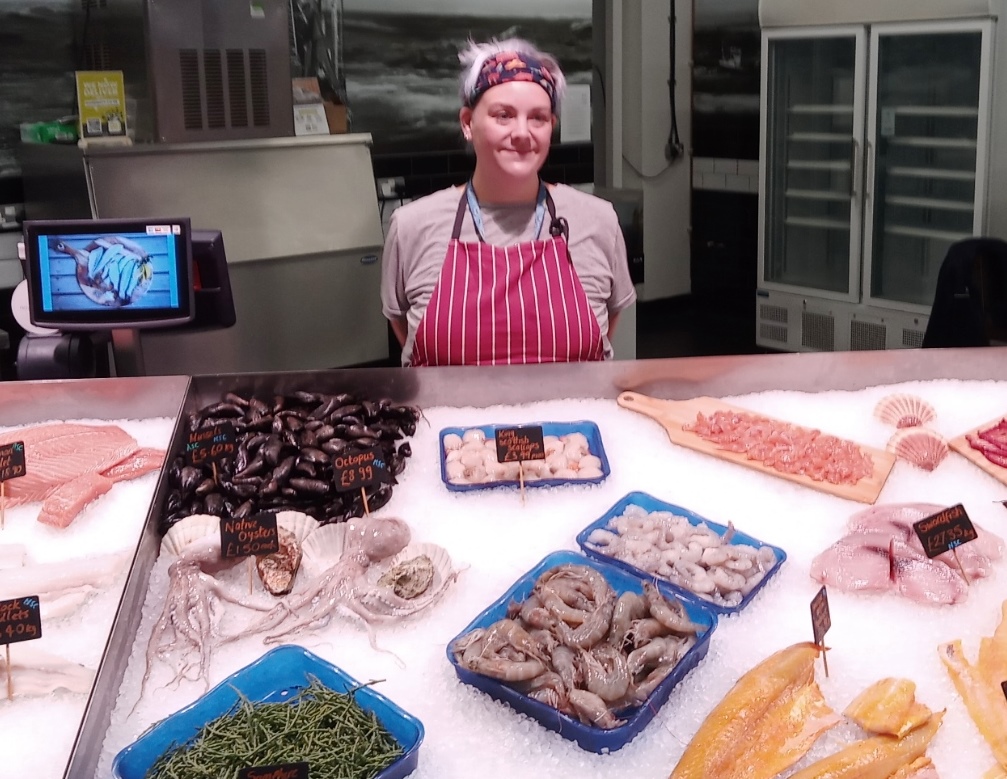
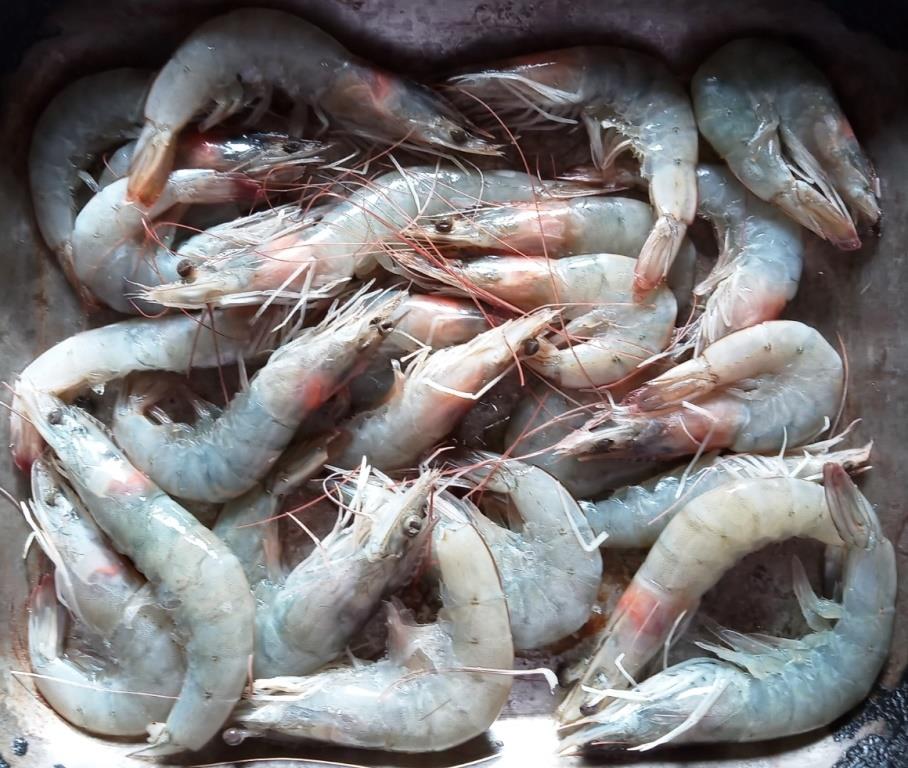
Finally, to 'Loose' at the top of the High Street. They have some delicious organic dark chocolate button treats - and that's not all. 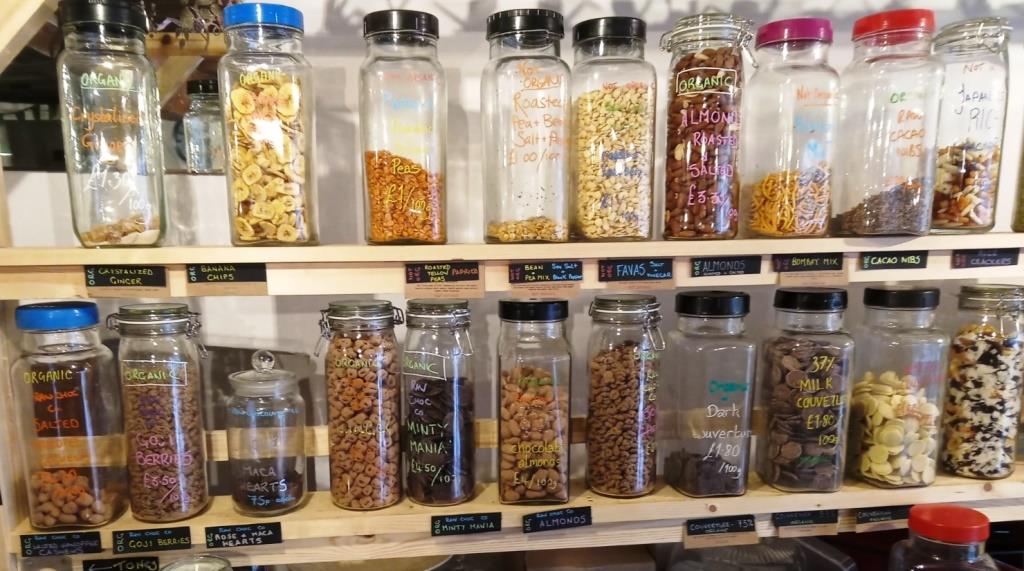
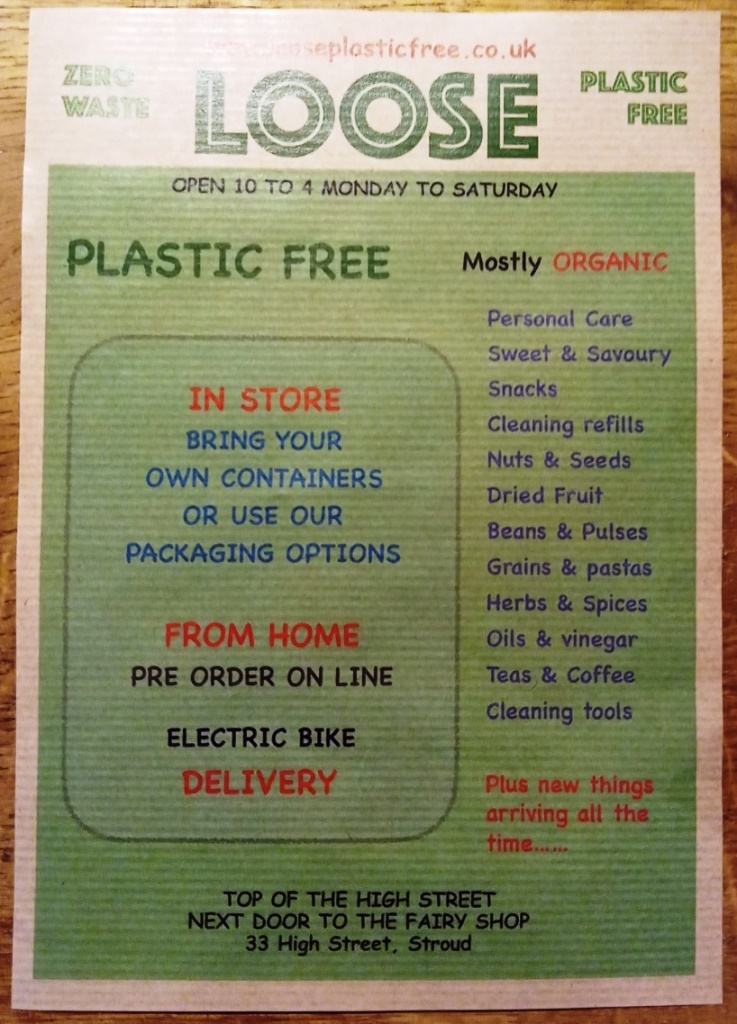
I can't begin to tell you how much pleasure I get from this local malarkey. One interesting outcome is that I don't run into any supply chain issues. No HGV drivers are required for veg delivery. Nobody has to make excuses to me about empty shelves resulting from Brexit or staff shortages. Of course, I recognise that much of what I buy will have travelled. Prawns don't thrive naturally in Stroud. The figs at 'Loose' aren't grown in our valleys. In my defence, I'm still supporting nearby independent traders, and there's little packaging involved - at least at my point of purchase. |
||||||||||||||||||||||||||||
|
Friday 12th November |
||||||||||||||||||||||||||||
|
It's going to be a frantic scramble at COP26 today before the official close of the conference. President Alok Sharma gave his gloom-laden warning yesterday:
"Whilst we have made progress, we are not there yet on the most critical issues. There is still a lot more work to be done - time is running out. As I speak my ministerial facilitators and negotiators are rolling up their sleeves and working hard to find solutions to some of the most intractable issues. Negotiations on finance really need to accelerate and they need to accelerate now. Having engaged extensively with parties of the past year and at COP, I know that everyone understands what is at stake for the future of our planet here in Glasgow. We still have a monumental challenge ahead of us, but collectively we have no choice but to rise to that challenge and strain every sinew to achieve a timely outcome that we can all be proud of. Because ultimately, this outcome, whatever it is, will belong to all of us." UN Secretary General António Guterres also spoke to the press: "The announcements here in Glasgow are encouraging - but they are far from enough. The emissions gap remains a devastating threat. The finance and adaptation gap represent a glaring injustice for the developing world. We need even more ambition in future revised nationally determined contributions. We need pledges to be implemented. We need commitments to turn concrete. We need actions to be verified. We need to bridge the deep and real credibility gap. "Promises ring hollow when the fossil fuels industry still receives trillions in subsidies, as measured by the International Monetary Fund (IMF); or when countries are still building coal plants; or when carbon is still without a price - distorting markets and investors' decisions. Every country, every city, every company, every financial institution must radically, credibly and verifiably reduce their emissions and decarbonize their portfolios starting now. "We need action if commitments are to pass the credibility test. We need to hold each other accountable - Governments, non-State actors and the civil society. Because only together can we keep 1.5°C within reach and the equitable and resilient world we need. That is the most important fight of our lives." Regrettably, I can't see much of significance happening by 6pm this evening. It's not surprising. Climate damage has been inflicted over decades (and more), a juggernaut uncontrollably gathering pace. How can you expect to halt its journey to oblivion in a few days of discussion? Oh dear, I truly wish to be more positive. But the outlook is bleak. |
||||||||||||||||||||||||||||
|
Thursday 11th November |
||||||||||||||||||||||||||||
|
I went through the COP26 draft agreement (posted in this blog yesterday) seeking any commitments of substance, perhaps identifiable by a number or a date, anything tangible. I came up with the following. Each item can be preceded by: "The Conference of the Parties serving as the meeting of the Parties to the Paris Agreement ..."
First, statements looking back:
In contrast - maybe - there's the surprising USA-China joint statement of collaborating intent. Here's the document (just over 4 pages) released yesterday by the U.S. Department of State: I've not had a chance to examine it in detail. But it's still extraordinary to see the "Big Two", so often at loggerheads today, issue such a declaration together. 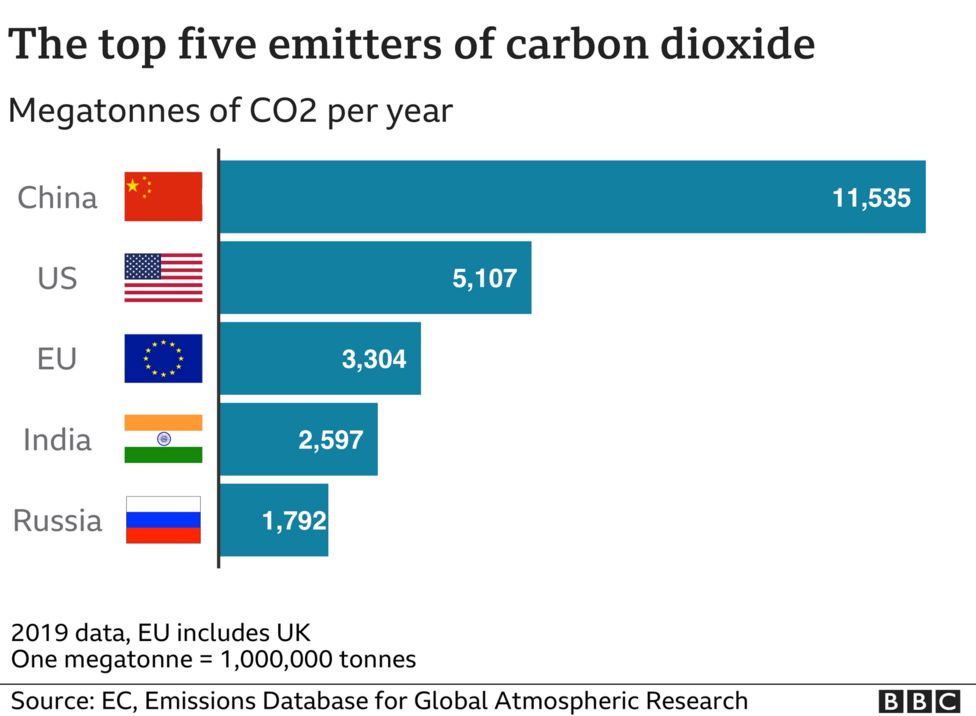
|
||||||||||||||||||||||||||||
|
Wednesday 10th November |
||||||||||||||||||||||||||||
|
Reuters at 7:21am GMT:
"GLASGOW, Nov 10 (Reuters) - The United Kingdom, host of the UN climate change summit in Glasgow, on Wednesday released a draft political decision, which will be negotiated over the next few days, urging countries to strengthen their national climate plans by the end of 2022. "The first draft of the 'COP cover decision' asks countries to 'revisit and strengthen the 2030 targets in their nationally determined contributions, as necessary to align with the Paris Agreement temperature goal by the end of 2022.'" Here it is, titled "DRAFT TEXT on 1/CMA.3 Version 10/11/2021 05:51 - Draft CMA decision proposed by the President" (7 pages): CMA and CMA.3? The UN Climate Change website informs us: "What is the CMA? "The Conference of the Parties, the supreme body of the Convention, shall serve as the meeting of the Parties to the Paris Agreement. All States that are Parties to the Paris Agreement are represented at the Conference of the Parties serving as the meeting of the Parties to the Paris Agreement (CMA), while States that are not Parties participate as observers. The CMA oversees the implementation of the Paris Agreement and takes decisions to promote its effective implementation. "The meeting [i.e. this current COP] comprises the twenty-sixth session of the Conference of the Parties (COP 26), the sixteenth session of the Conference of the Parties serving as the meeting of the Parties to the Kyoto Protocol (CMP 16), and the third session of the Conference of the Parties serving as the meeting of the Parties to the Paris Agreement (CMA 3)." I still don't quite get how the abbreviation CMA is extracted from all that. Conference - Meeting - Agreement? Not to worry. I've scanned the document. An expression of intent and principles. How will it lead to action? Maybe we'll find out more later ... |
||||||||||||||||||||||||||||
|
Tuesday 9th November |
||||||||||||||||||||||||||||
|
We're into the second week of COP26 and waiting for evidence that genuine change will happen.
Instead yesterday we had a high-level speech. Barack Obama flew in - yep, another one - to a rock-star welcome. 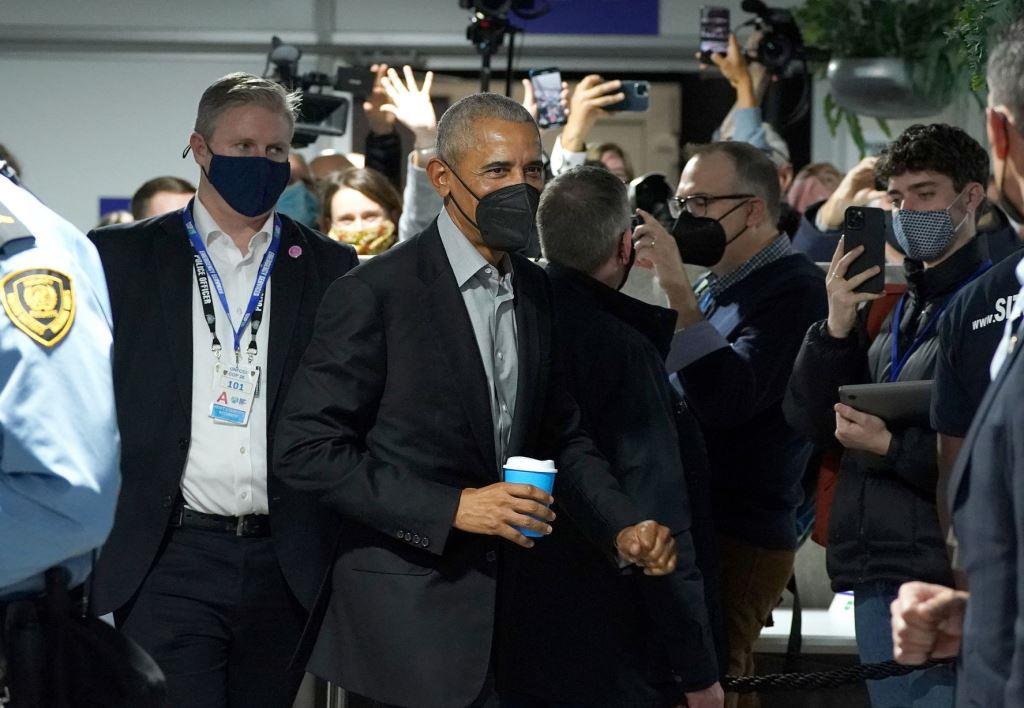
OK, his address didn't bring us detail of action - although he commandingly used accurate statistics to describe global progress to date - but it was beautifully delivered, heartfelt, aware, inspiring. What else should someone like him have done? Read out a shopping list? He started with an acknowledgement of his status at the conference, with the customary humour and self-deprecation. "I am a private citizen now so trips like this feel a little bit different than they used to. I don't get invited to the big group photo. Traffic is a thing again. Music doesn't play when I walk into the room. On the positive side, I can give a speech like this without wearing a tie and not create a scandal back home. I hope. But even though I'm not required to attend summits like this anymore, old habits die hard. And when the issue at hand is the health of our planet and the world our children and our grandchildren will inherit, then you will have a hard time keeping me away." The second half of the speech was directed at young people. After celebrating their contribution and recognising their frustration, he had four key bits of advice. Vote when you can: "The first and most important is, if you are age eligible, to vote the issue. Vote like your life depends on it because it does. I recognize that a lot of young people may be cynical about politics, but the cold hard fact is we will not have more ambitious climate plans coming out of governments unless governments feel some pressure from voters." Talk with your wallet: "A second way you can have an impact on climate change is by pressuring companies to do the right thing. Members of your generation have already shown you're willing to pay for products that you believe are responsible and responsive to the climate challenge, and that you're also willing to avoid those companies that are actually making climate change worse. I see this in my own daughters and their friends, their peer group, in terms of which companies they support and which products they buy. Not only are they sophisticated consumers, they're active and engaged citizens, and that's a message that CEOs will learn to understand." Teach your elders: "While you're at it, you need to help educate your parents and grandparents, your uncles and aunts, your teachers, your employers, because while a dangerously warming planet is a reality that a lot of you have grown up with as young people, you've studied it in school, you've read about, it's been part of the backdrop of your childhood, members of the older generation don't have that same frame of reference. They do love you, though. They do care about you. They listen to you more than you think. And if you explain how important the issue is to you, you may lead them to rethink their position, or at least be more open-minded. In fact, I'm pretty sure they'll listen to you in a way they might never listen to a politician or some expert on TV or a former president. That's power you have. You have to use it." Convince the unconverted, with respect: "To build the broad-based coalitions necessary for bold action, we have to persuade people who either currently don't agree with us or are indifferent to the issue. And to change the minds of those fellow citizens in our respective countries, we have to do a little more listening. We can't just yell at them or say they're ignorant. We can't just tweet at them. It's not enough to inconvenience them through blocking traffic in a protest. We actually have to listen to their objections and understand the reluctance of some ordinary people to see their countries move too fast on climate change. We have to understand their realities and work with them so that serious action on climate change doesn't adversely impact them. "I'm talking about the fact that we've got to persuade the guy who has to drive to his factory job every single day, can't afford a Tesla, and might not be able to pay the rent or feed his family if gas prices go up. We have to think about the mother in India who, yes, will suffer droughts and floods made worse by climate change, but whose more immediate concern is getting electricity so her children don't have to sit in the dark every night and can't do their homework. That's not a ... You can't dismiss that concern." There was some cultural fluffing of lines. How could someone so intelligent and world-wise mispronounce the name of the city he was visiting? Glasg-OW, like the "Ow!" when you stub your toe. He seemed to think he was in the "Emerald Isles". He quoted Shakespeare, called him the "Bard". Rabbie Burns in Scotland, right? I forgive him. Here's the full transcript of the speech (13 pages): |
||||||||||||||||||||||||||||
|
Monday 8th November |
||||||||||||||||||||||||||||
|
Covid update.
Case numbers (GOV.UK dashboard) are down in Stroud, 60% of the spike recorded two weeks ago. Still close to double the England average. 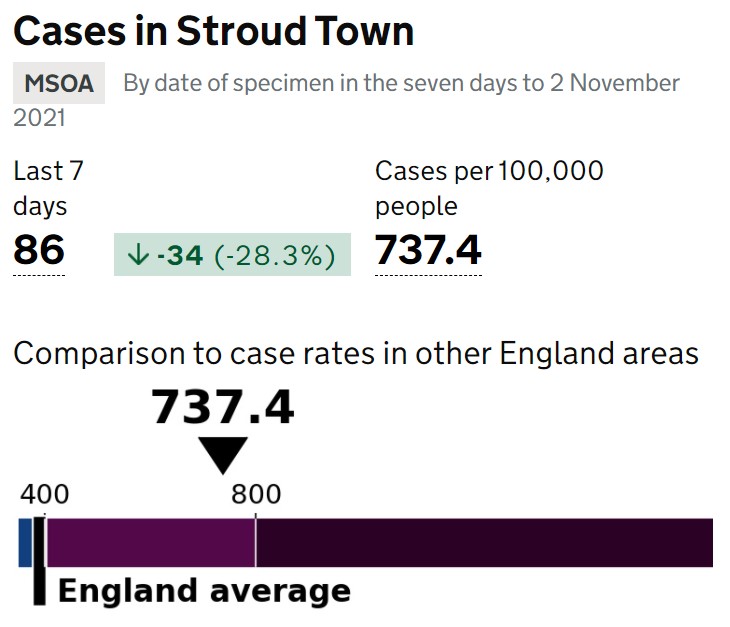
There was considerable encouragement on the news last night to get the booster jab. We've still not been invited. However, I went to book on the NHS site once again and this time was not refused. 
So I did, a few hours early ... 
The appointment's 6 months and 4 days after my second jab. The process is nearly all joined up, except that I've had no word from our GP. Learn to live with it. This is what we do these days. Quite weird when you consider where we were 18 months ago. As we're entering the second week of COP26 and looking forward to real action - hmmmm - here's a rude, witty and informative video from Juice Media drawn to my attention by a tweet from Greta. Beware, it features hefty use of the f*** word. |
||||||||||||||||||||||||||||
|
Sunday 7th November |
||||||||||||||||||||||||||||
I took a closer look yesterday at the ukcop26.org "COP26 Outcomes" site, specifically the coal-related report.

It's an executive briefing. As the introduction says: "These statements and declarations are the high-level outcomes from the World Leaders Summit and presidency theme days of the two-week programme of COP26." The intentions are broad-brush. For example, the second and third (of four) commitments to action are: "To rapidly scale up technologies and policies in this decade to achieve a transition away from unabated coal power generation in the 2030s (or as soon as possible thereafter) for major economies and in the 2040s (or as soon as possible thereafter) globally, consistent with our climate targets and the Paris Agreement, recognising the leadership shown by countries making ambitious commitments, including through the Powering Past Coal Alliance; "To cease issuance of new permits for new unabated coal-fired power generation projects (new coal-fired power generation projects are defined as coal-fired power generation projects that have not yet reached financial close), cease new construction of unabated coal-fired power generation projects and to end new direct government support for unabated international coal-fired power generation, recognising the leadership of countries making ambitious commitments, including through the No New Coal Power Compact." I know these are "high level" statements, but I'm underwhelmed. I want some detail. When exactly will the action take place? How? I'm suspicious of the phrase "as soon as possible thereafter". Who agreed to the above? Here's the list of signatories: Albania, Azerbaijan, Belgium, Botswana, Brunei Darussalam, Canada, Chile, Cote d'Ivoire, Croatia, Cyprus, Denmark, Ecuador, Egypt, European Union, Finland, France, Germany, Hungary, Indonesia, Ireland, Israel, Italy, Kazakhstan, Liechtenstein, Maldives, Mauritania, Mauritius, Morocco, Nepal, Netherlands, New Zealand, North Macedonia, Philippines, Poland, Portugal, Senegal, Singapore, Slovak Republic, Somalia, Korea, Spain, Sri Lanka, Ukraine, United Kingdom, Vietnam, Wales, Zambia. How did they get to sign? Did they have to be in Glasgow? Was there a postal vote? Because the list is thin. 47 signatories. Out of 193 countries that are members of the United Nations. Some states are included under a collective signatory such as the European Union, which accounts for another 15 who have not signed independently. There are the big omissions: China, USA (although the states of Hawaii and Oregon have agreed separately), India, Russia. Only Chile and Ecuador from South America - no Brazil, what a surprise. Few countries in the Middle East. Under 10 in Africa. In Europe, no Norway or Switzerland. In Australia, only the Capital Territory has signed up. Six of the participants do not agree to all four of the commitments. Curiously, the Welsh Minister for Climate Change Julie James put her name to the agreement even 'though the UK is a signatory. So, that's roughly a third of all nations, whose populations of course vary widely. The big "missing four" account for 42% of the world's population and 45% of world GDP. Sadly, all of the above doesn't fill me with confidence. You can read the full document here (under 2 pages of statement, the remaining 5 pages devoted to names and details of signatories, 7 pages total): |
||||||||||||||||||||||||||||
|
Saturday 6th November |
||||||||||||||||||||||||||||
|
Are we in a silly season for news? It's the middle of the COP26 conference - quite significant for the planet - and yet a quick scan of headlines shows the prominence of topics - admittedly serious in most cases, but hardly top of the agenda - like: bonfire night clashes in Parliament Square; Franco-British fish wars; Yorkshire county cricket club racism meltdown; Owen Paterson parliamentary scandal; Welsh paddleboarder fatalities; Hollyoaks star losing her job; reviews of the Spencer film.
It's going to take some digging to understand what COP26 achieves. The ukcop26.org website publishes daily results. 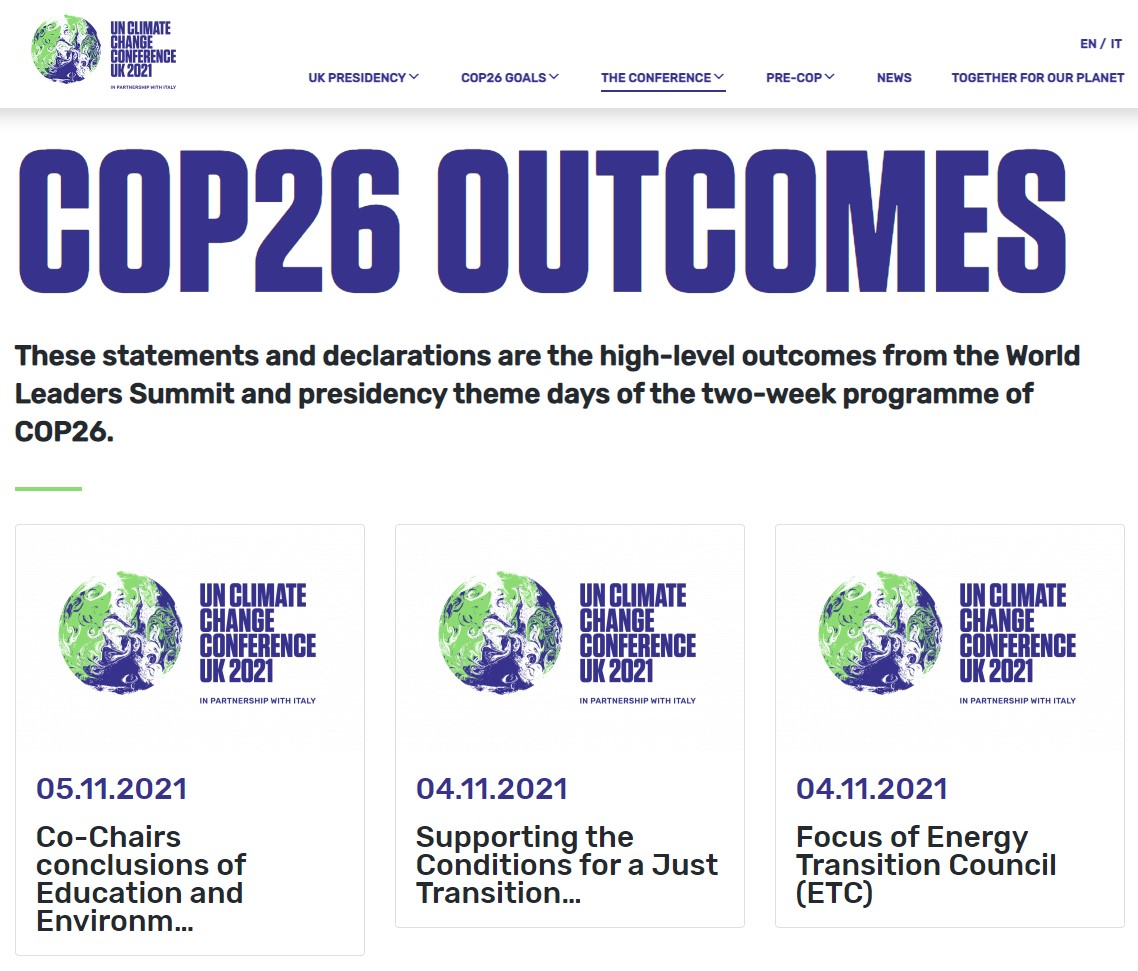
Meanwhile, Greta has little confidence: 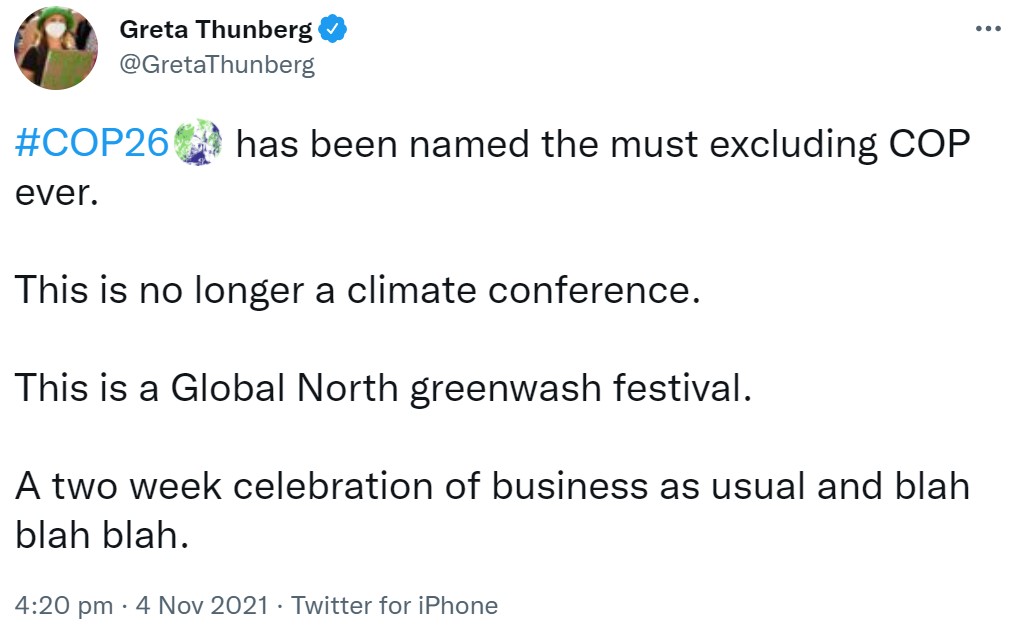
|
||||||||||||||||||||||||||||
|
Friday 5th November |
||||||||||||||||||||||||||||
Happy Birthday to our daughter Ellie 🍾🎂🎈💖
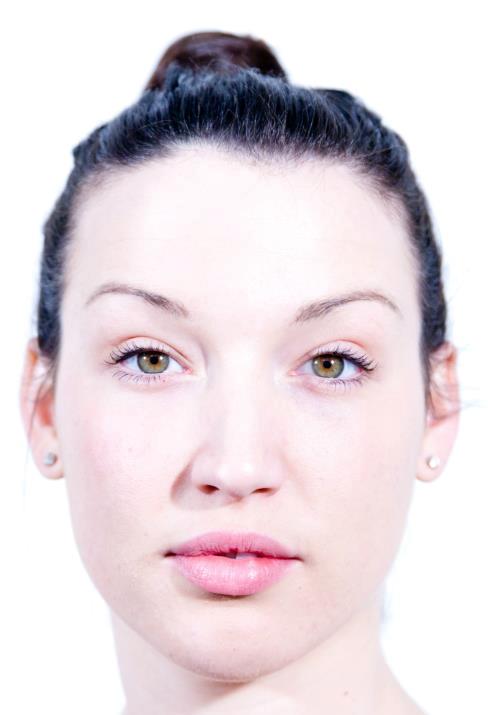
It's Bonfire Night. Presumably they won't be lighting any at COP26. 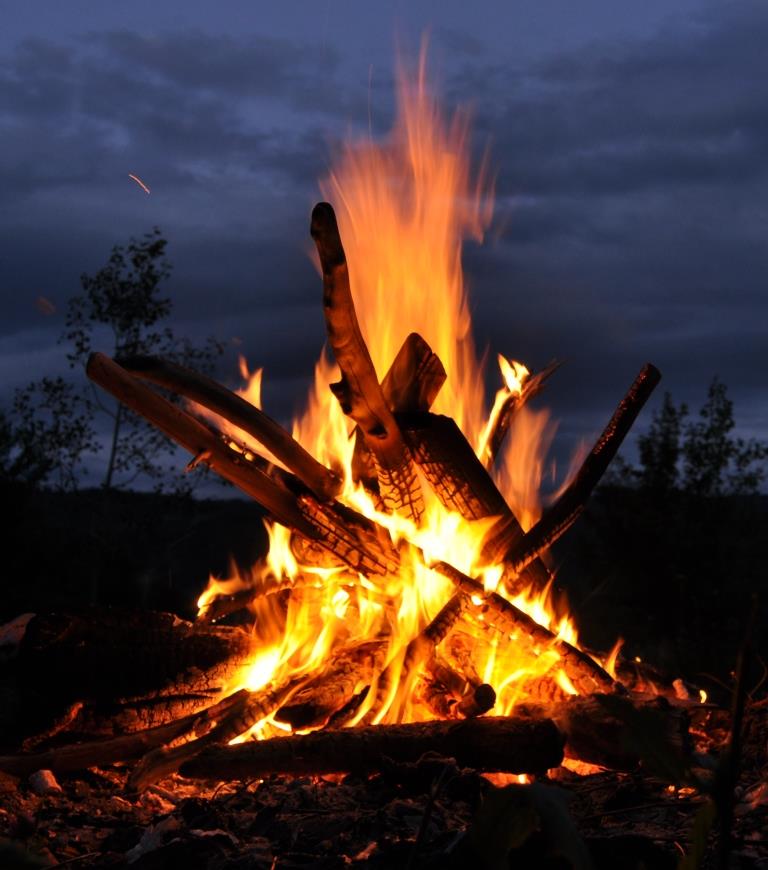
I reported last week that I was changing my shopping habits to support local growers and shop-owners. Have Waitrose detected that I haven't used my loyalty card in over two weeks? They're making the right climate noises. I received this email yesterday: 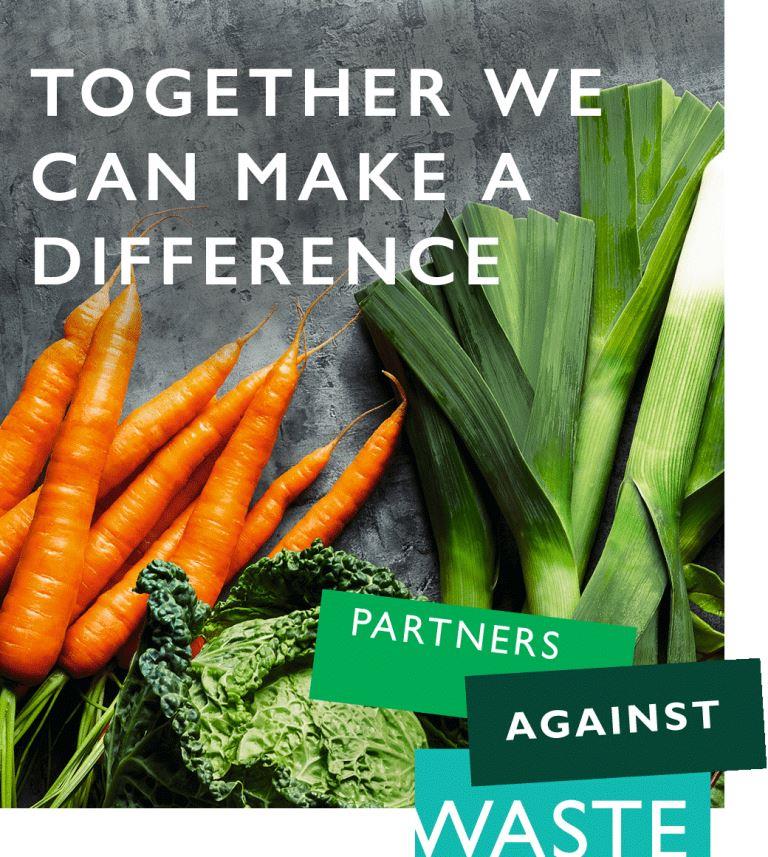
"Dear Mr Lewis, "With the COP26 climate change conference underway and the environment so much in the news right now, we're all looking for practical ways we can help. "At Waitrose, we're eliminating single-use plastic - we've got rid of our 5p and are phasing out our 10p plastic bags, and all our own-brand packaging will be reusable, widely recyclable or home-compostable by 2023. "We're also reducing food waste - we work with the charity FareShare to get leftover food from our stores to charities and community groups. We can all do our bit at home too, so I thought I'd share some of my tips here. They're simple things, but they make a difference. "Have a great weekend." Nothing wrong with that. Then there's the list of waste-conscious tips, like: love your leftovers; think before you bin; make a list; use your veg peelings; store your food so it lasts. You are drawn all over the website to find recipes which contribute to efficient meal planning. Now, where are you going to find those ingredients? 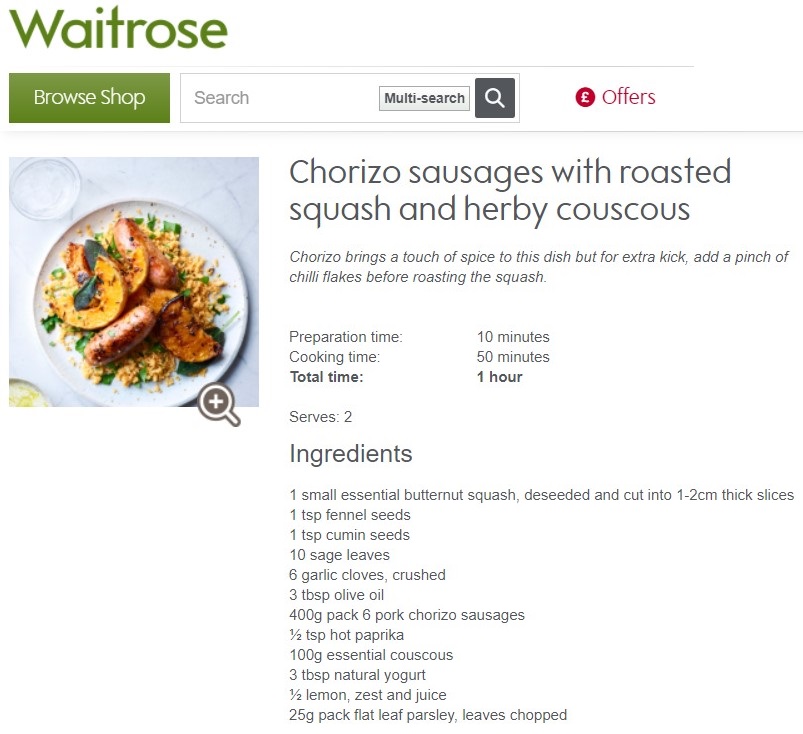
I still won't be beating the path to their door. |
||||||||||||||||||||||||||||
|
Thursday 4th November |
||||||||||||||||||||||||||||
|
Are the COP26 debates missing something? I don't challenge the fuel source changes that are being negotiated, but I think there's an underlying problem.
To illustrate my point, I'll declare a heretical thought that I've had for some while. I don't like wind farms. Like most people, I love a good view. Instead of an unbroken land- or sea-scape, this is what we now see. 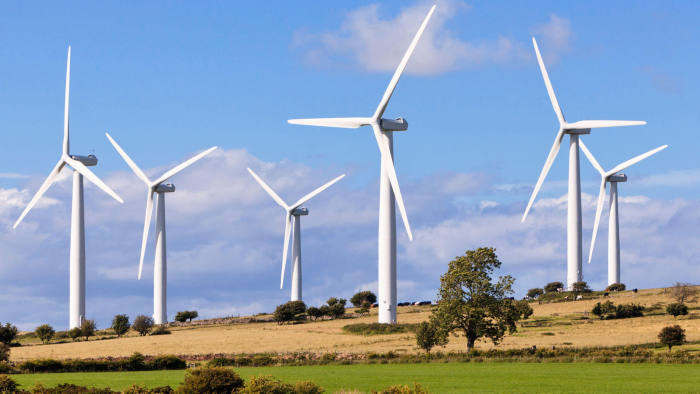
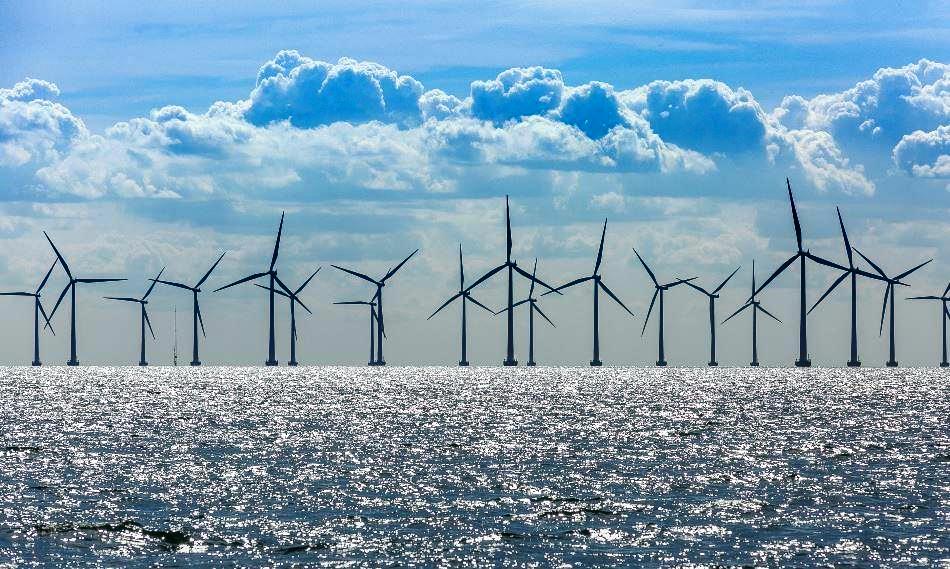
It's not just how they look - indeed, they have a certain majesty, clean angular lines, grand sweeping movement - it's what they represent. The switch from fossil to renewable fuels, the mainstream solution to our climate woes, seems not to acknowledge a critical driver of environmental damage. Every time I see a wind farm, yes, I recognise a praiseworthy initiative to assist decarbonisation, but I'm also struck by the evidence of our essential failing - a relentless and undiminished greed for energy. The issue is not only what we consume, but how much. Reducing our reliance on coal or oil or gas or nuclear doesn't disguise the demand for more power. Green electricity may be clean, but it still requires generation. Will EVs reduce 4-wheel traffic on the roads - and the building of new ones? Are we going to see a slowing of the proliferation of electricity-hungry devices and appliances? Human so-called progress has been characterised by the drive for more: greater speed, the ability to travel further, ownership, wealth, profit. Acquisition rather than sufficiency and sharing. Success is measured by growth. As an example of how we might look in the other direction, I'm reminded of the Slow Food movement. Slow food, not fast food. Started by Carlo Petrini and a group of Italian activists in the 1980s to promote good food and a slow pace of life, the organisation now has a climate and sustainability agenda. You can read its brief manifesto here 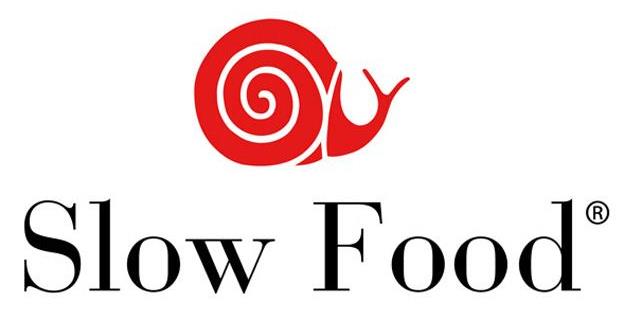
Of course, my interest may well be sparked by the fact that I myself am slowing down 😢 And expecting less. Never has the popular adage rung truer: less is more. COP26.tv broadcast an array of leaders in another round of speeches. A sad torrent of blah-blah-blah. In contrast, Prince William introduced an inspiring group of young people, winners and finalists of the recent Earthshot Prize - see my review of the awards here:👇 Not talkers, doers. Creators of real solutions. To finish, he invited to the stage Vinisha Umashankar, who has developed a solar-powered ironing cart as a clean alternative to the charcoal-powered street irons that press clothes for millions of Indians each day. 15 years old. As William said, "She puts us to shame." 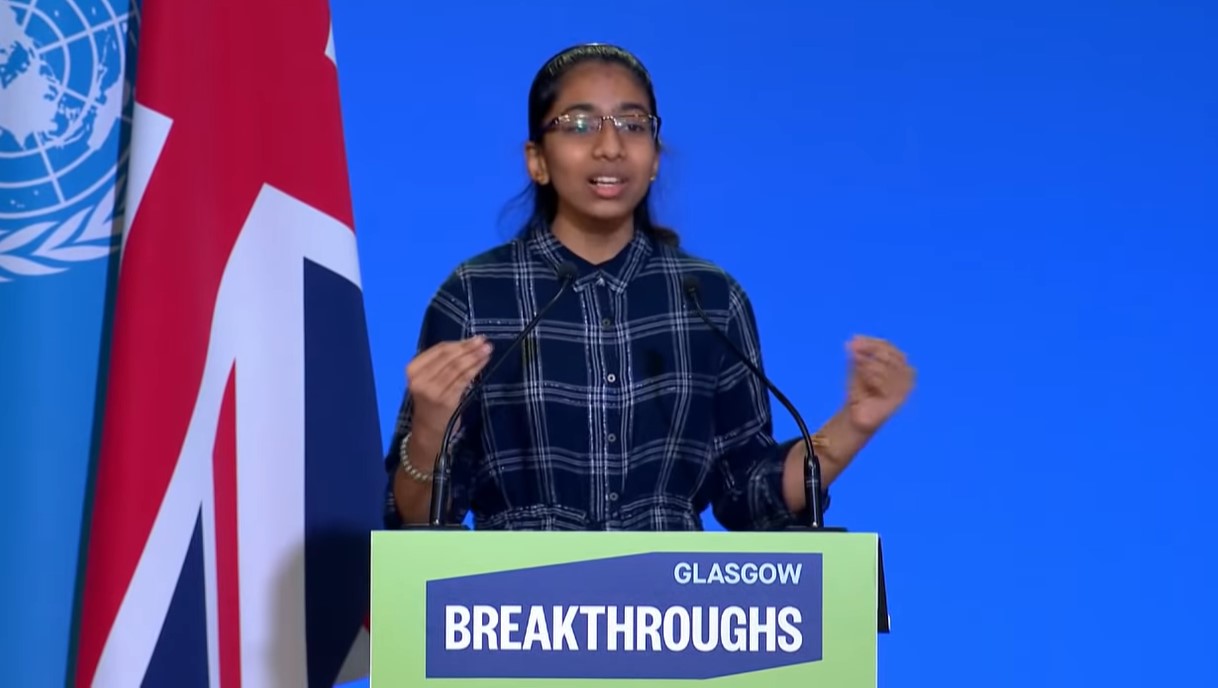
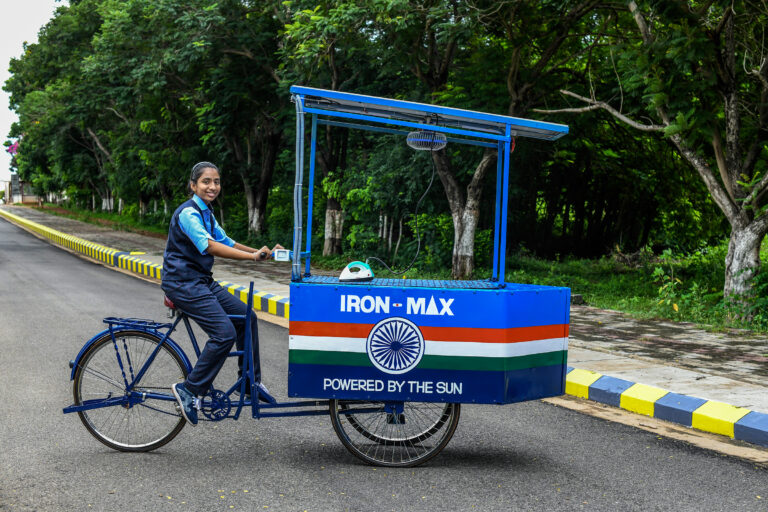
|
||||||||||||||||||||||||||||
|
Wednesday 3rd November |
||||||||||||||||||||||||||||
The leaders have spoken and now depart. We've heard the grand words. Yet the threat of Greta Thunberg's blah-blah-blah remains very real. Every speech has stressed the level of damage already done and how urgent the need for solutions. Can COP26 be successful in finding them, or will it disappoint? If the pressure was great before the conference, it's sky-high now. It's time for the negotiators, the back-room discussions. How on earth will significant agreements be reached? "Herding sheep" springs to mind. Another image too, the papal conclave. We wait for the black smoke from each deliberation to turn white.
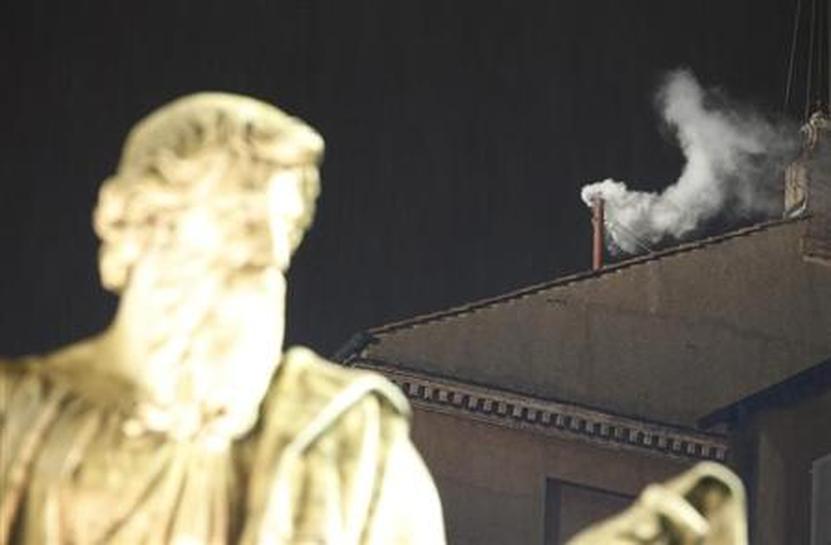
|
||||||||||||||||||||||||||||
|
Tuesday 2nd November |
||||||||||||||||||||||||||||
|
There can't have been another single occasion when this group of eminent figures have shared a platform: the Queen, Sir David Attenborough, Prince Charles, Prime Minister Boris Johnson, President Joe Biden.
The first three claim involvement in climate concern over a long period. Johnson and Biden have arrived at the debate later. All their speeches focussed on future generations, as you might expect from those mostly in their later years. The Queen is 95, Attenborough 95, Biden 79, Prince Charles 73 in a fortnight, Johnson 57. All - including the PM, just - have witnessed the last half-century of environmental abuse. As I've written in previous posts, the devastating acceleration in emissions has happened in my and their lifetimes. The media coverage has been extensive, so I have little to add. For the record, as reference, if you missed the speeches, should you now wish to see them - I'm posting the full videos here. Over 40 minutes running time, dip in as you choose. I checked in to COP26.tv through the day. From what I watched, it's disappointing. Rambling interviews with protesters in Glasgow parks, drum bands, little informing opinion. However, it does give a voice to the young assembled outside the main event. |
||||||||||||||||||||||||||||
|
Monday 1st November |
||||||||||||||||||||||||||||
|
George Monbiot co-launches COP26.tv at noon today. If the channel is anywhere near as good as his article "Capitalism is killing the planet" in Saturday's Guardian it should be worth a look.
He displayed a modicum of modesty in this tweet: 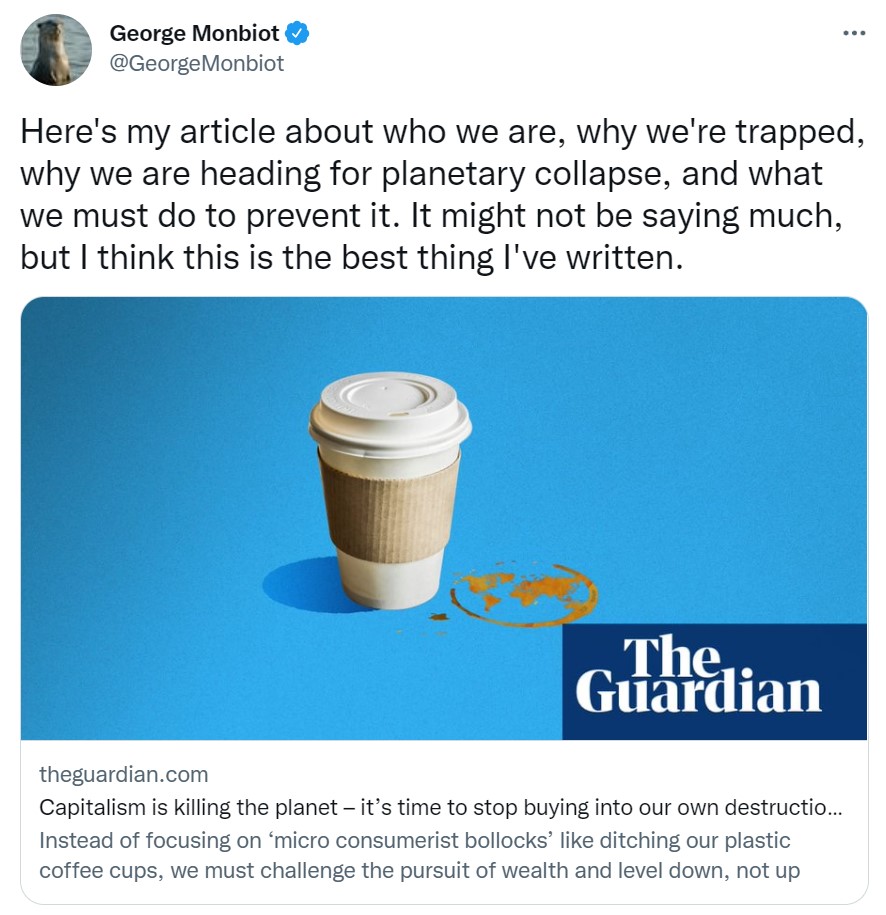
It's beautifully written, chock-full of telling ideas and observations. I make no apologies for quoting at length. The initial premise is that the human race is poor at responding to existential challenges. "There is a myth about human beings that withstands all evidence. It's that we always put our survival first. This is true of other species. When confronted by an impending threat, such as winter, they invest great resources into avoiding or withstanding it: migrating or hibernating, for example. Humans are a different matter. "When faced with an impending or chronic threat, such as climate or ecological breakdown, we seem to go out of our way to compromise our survival. We convince ourselves that it's not so serious, or even that it isn't happening. We double down on destruction, swapping our ordinary cars for SUVs, jetting to Oblivia on a long-haul flight, burning it all up in a final frenzy. In the back of our minds, there's a voice whispering, 'If it were really so serious, someone would stop us.' If we attend to these issues at all, we do so in ways that are petty, tokenistic, comically ill-matched to the scale of our predicament. It is impossible to discern, in our response to what we know, the primacy of our survival instinct." He uses an analogy of the caddisfly to illustrate our reactions. "There are some species of caddisfly whose survival depends on breaking the surface film of the water in a river. The female pushes through it - no mean feat for such a small and delicate creature - then swims down the water column to lay her eggs on the riverbed. If she cannot puncture the surface, she cannot close the circle of life, and her progeny die with her. "This is also the human story. If we cannot pierce the glassy surface of distraction, and engage with what lies beneath, we will not secure the survival of our children or, perhaps, our species. But we seem unable or unwilling to break the surface film. I think of this strange state as our 'surface tension'. It's the tension between what we know about the crisis we face, and the frivolity with which we distance ourselves from it." He goes on to coin a term to describe - brilliantly, memorably - this frivolity. "We focus on what I call micro-consumerist bollocks (MCB): tiny issues such as plastic straws and coffee cups, rather than the huge structural forces driving us towards catastrophe. "I'm not saying the small things don't matter. I'm saying they should not matter to the exclusion of things that matter more. Every little counts. But not for very much." Wealth - and its absence - must be addressed. "The difficult truth is that, to prevent climate and ecological catastrophe, we need to level down. We need to pursue what the Belgian philosopher Ingrid Robeyns calls limitarianism. Just as there is a poverty line below which no one should fall, there is a wealth line above which no one should rise. "Wealth taxes strike at the heart of the issue. They should be high enough to break the spiral of accumulation and redistribute the riches accumulated by a few. They could be used to put us on an entirely different track, one that I call 'private sufficiency, public luxury'. While there is not enough ecological or even physical space on Earth for everyone to enjoy private luxury, there is enough to provide everyone with public luxury: magnificent parks, hospitals, swimming pools, art galleries, tennis courts and transport systems, playgrounds and community centres. We should each have our own small domains - private sufficiency - but when we want to spread our wings, we could do so without seizing resources from other people." "Private sufficiency, public luxury". What a joyful, liberating concept. He finishes with the primacy of protest. "We will endure only if we cease to consent. The 19th-century democracy campaigners knew this, the suffragettes knew it, Gandhi knew it, Martin Luther King knew it. The environmental protesters who demand systemic change have also grasped this fundamental truth. In Fridays for Future, Green New Deal Rising, Extinction Rebellion and the other global uprisings against systemic environmental collapse, we see people, mostly young people, refusing to consent. What they understand is history's most important lesson. Our survival depends on disobedience." Go on, read the whole piece (11 pages): |
||||||||||||||||||||||||||||
|
Sunday 31st October |
||||||||||||||||||||||||||||
|
COP26 tomorrow. The photos and tweets have started.
Greta arrives in Glasgow. By train. 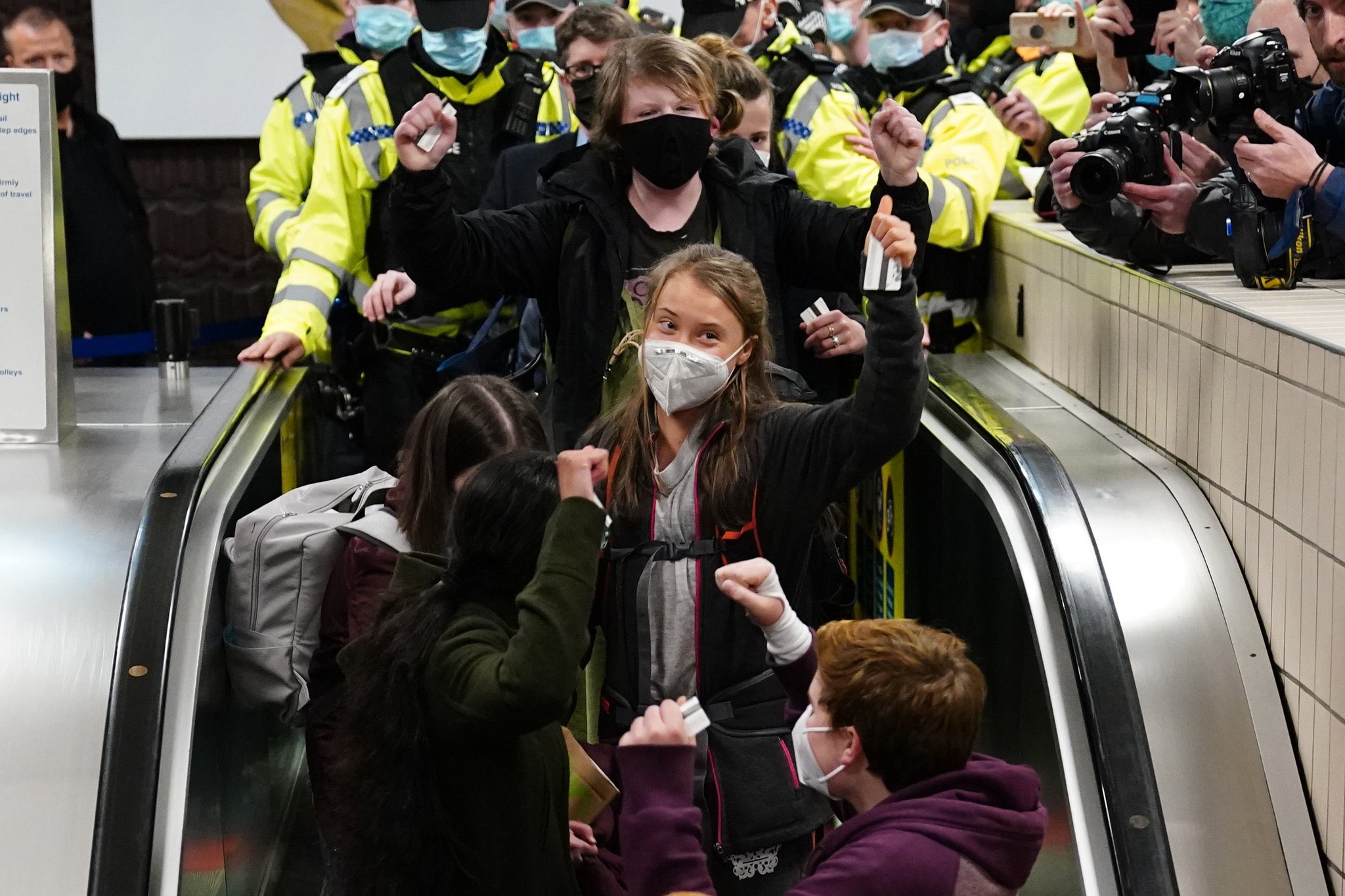
Plenty more activists: 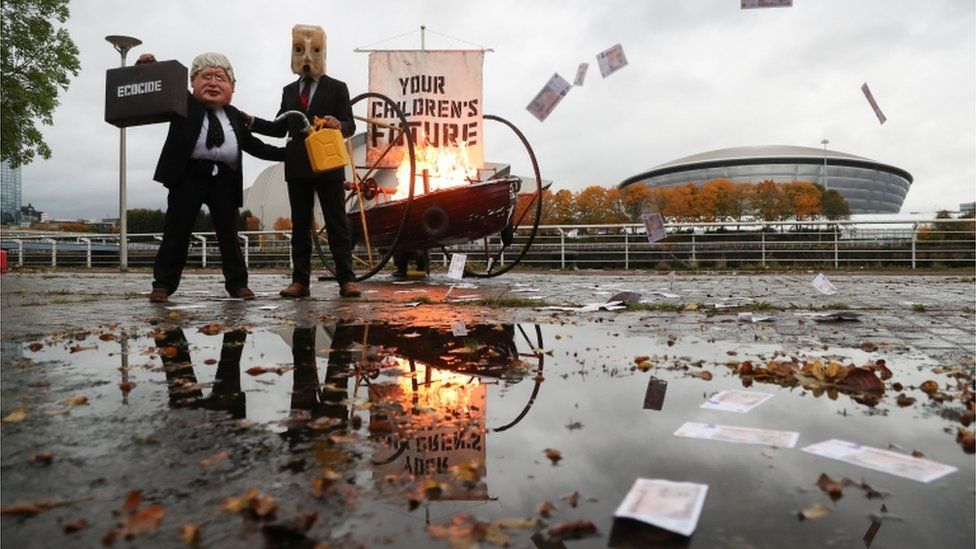
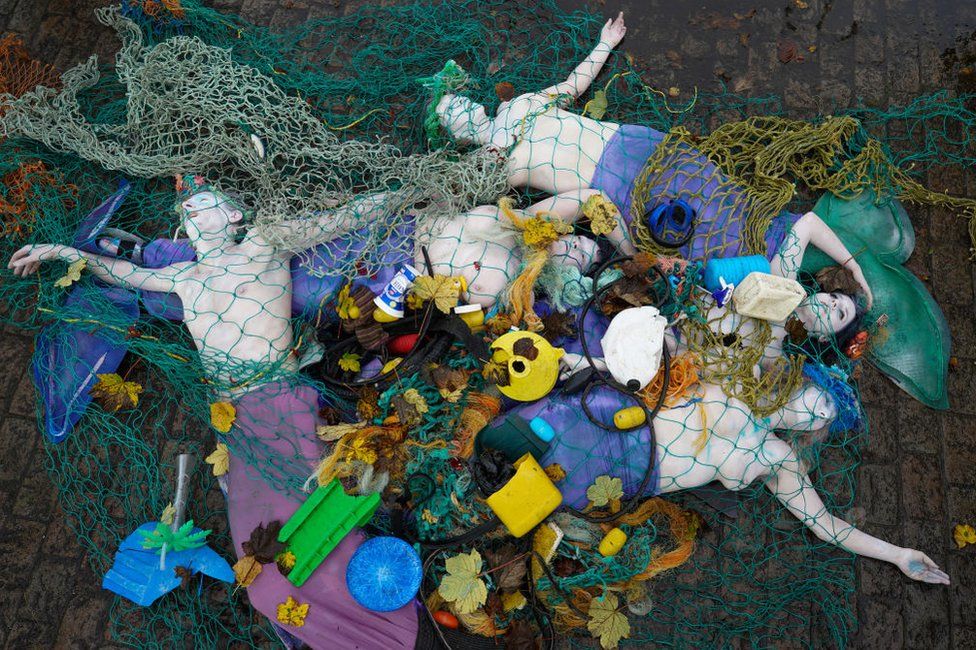
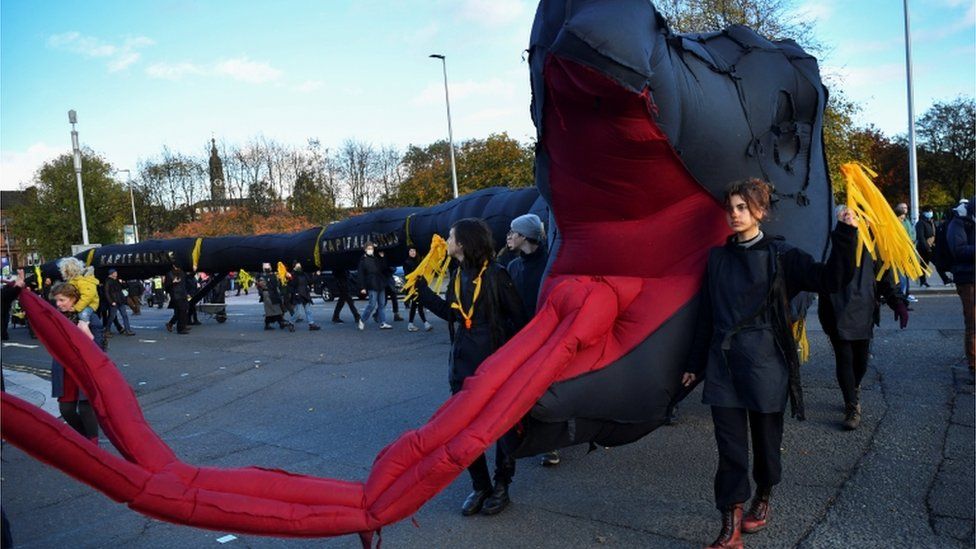
Eli David questions the integrity of the Prince of Wales: 
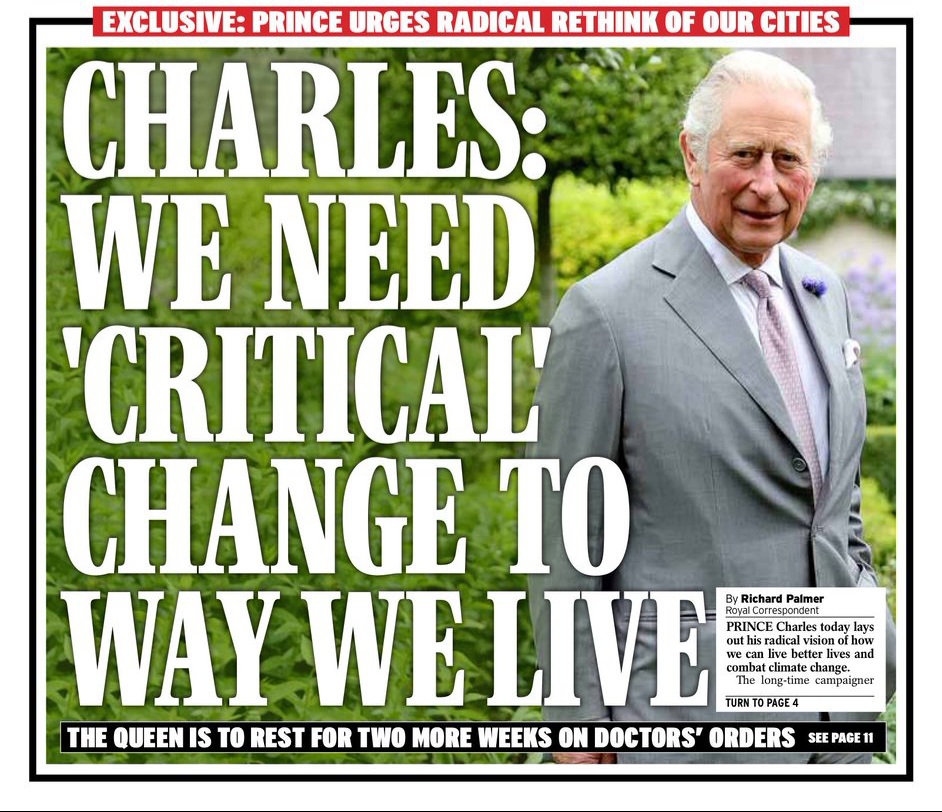
President Biden precedes his arrival at COP with an 85-car motorcade in Rome. Not much battery power in evidence. 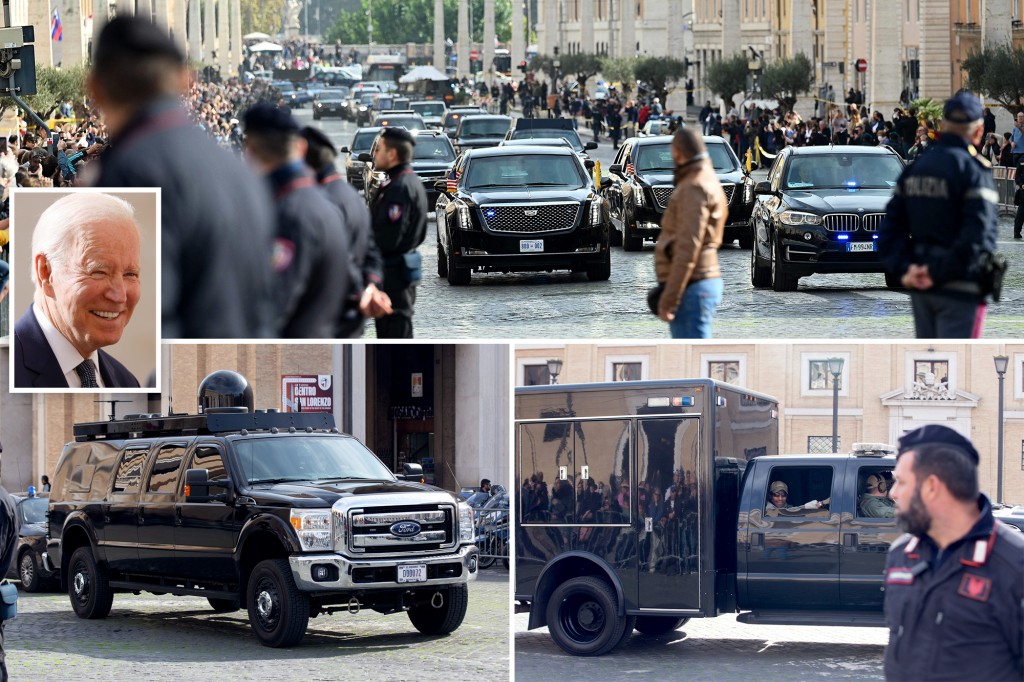
|
||||||||||||||||||||||||||||
|
Saturday 30th October |
||||||||||||||||||||||||||||
|
COP26 is two days away.
Here are two unlikely bedfellows. Both Arnold Schwarzenegger - "They are liars, they are stupid. It's all about having the balls to do it" - and Pope Francis - "We can confront these crises by retreating into isolationism, protectionism and exploitation, or we can see in them a real chance for change" - have called on world leaders to do the business. 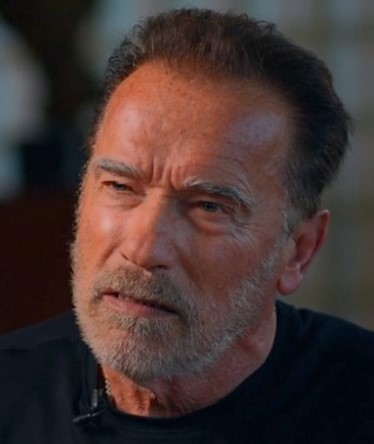 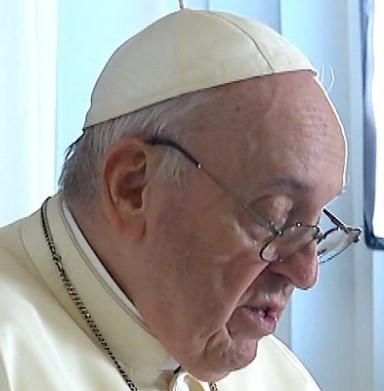
If you want to immerse yourself in the event, look no further than new dedicated channel COP26.tv. Here's a one-minute introductory video by the - I presume - presenters: George Monbiot, environmental campaigner and Guardian columnist, and Ina-Maria Shikongo, Namibian climate justice activist and poet. |
||||||||||||||||||||||||||||
|
Friday 29th October |
||||||||||||||||||||||||||||
|
After feeling knocked sideways by the United Nations Environment Programme Emissions Gap Report, I dug around for statistics that could inform personal choices for the future, specifically where one might make the greatest impact in food consumption and travel. I think I know the answers, but I wanted some detailed confirmation.
I'm indebted to Our World in Data which in turn acknowledges its sources:
First, before noting some positive aspects, let's start with the big picture guilt trip: 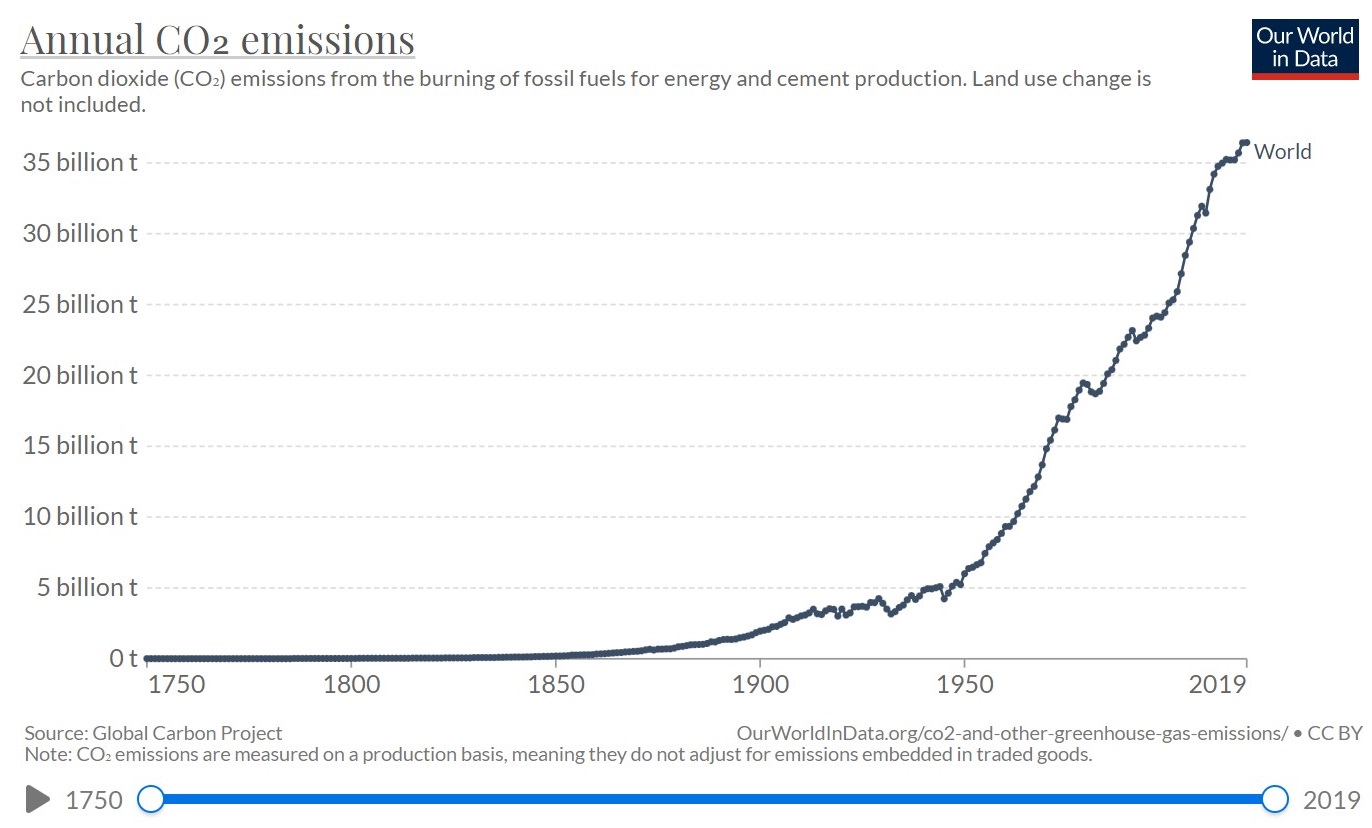
Global Carbon Project - Annual CO2 emissions That's right, CO2 emissions are now over 7 times higher than in the year of my birth. What about food? 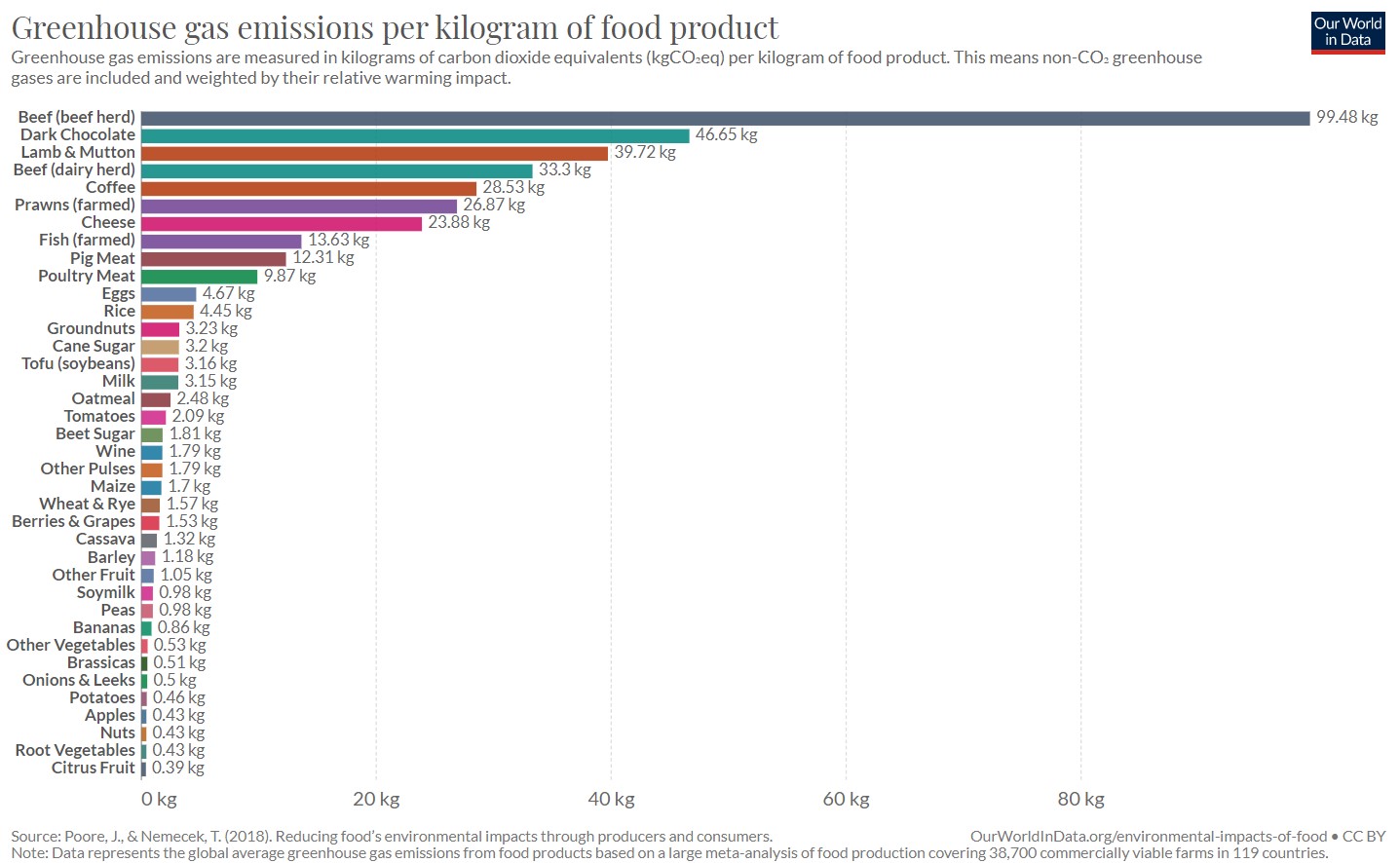
Poore & Nemecek 2018 - Reducing food's environmental impacts No surprises. I may be moving in the right direction here. We're eating far less meat. My taste buds seem to be mutating away from it. OK, we still love bacon, but at least pig meat accounts for 1/8th of the emissions of beef production. Also, I buy our bacon from a local butcher, who gets his pigs from nearby farmers, slaughters them himself and slices all-across rashers for you right off the carcass, no hydrating, preserving or packaging from live beast to counter - and it tastes 100% better than any processed variety. I know, that's all an excuse, isn't it? Still no fun for the pig. Elsewhere, the hunt for local fruit and veg is proving most enjoyable, a fresh - no pun - experience. It's very early days, but I haven't been to a supermarket in over a week. It's a relief. Apart from anything else, I've realised that I was bored with the repetition of my habitual circuit of the same Waitrose aisles. Plus I get to chat with PEOPLE. Our recycling bag this morning was half full; a year ago it would have been close to overflowing. Far fewer wine bottles as only Sarah drinks now, no beer cans, a reduced amount of meat and other packaging. Of course, there's much more to do. Transport. Our World in Data allows you to select from a very wide range of modes. I've chosen for the average traveller, no first-class flying nor big cars. 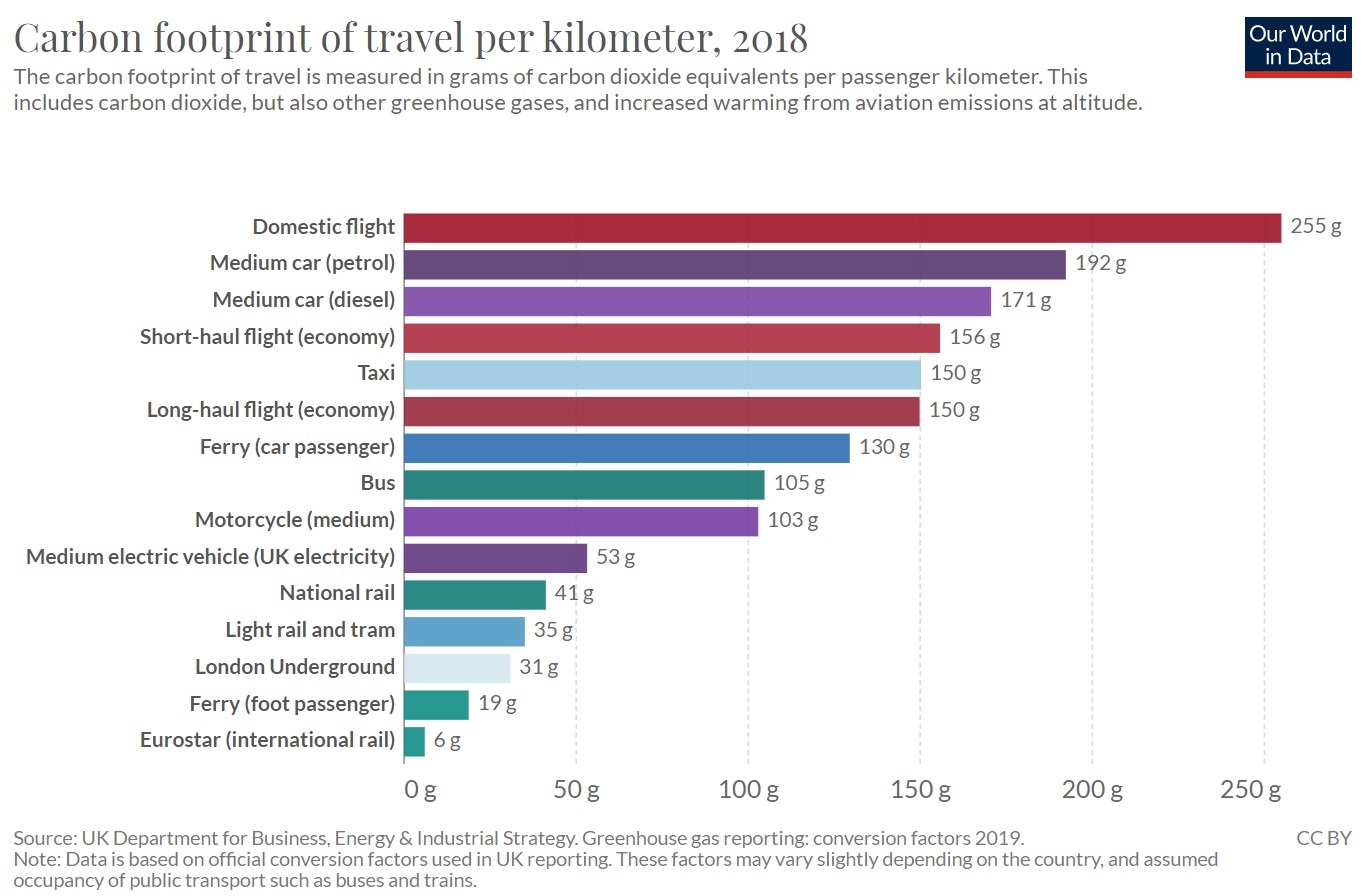
UK BEIS - Carbon footprint per kilometre 2018 Again, nothing new here. As with food, I'm surprisingly encouraged by the obvious choices we should make. The direction we ought to take aligns with how I feel. I really don't like driving now. Anything over an hour is a burden. Our next car - for local-ish trips beyond the range of my electric bicycle - is likely to be an EV, in the bottom half of the above table. Setting aside environmental concerns, I cannot stand the whole process of flying any more. We cancelled our trip to see son Ben in Sicily recently, mostly as I wasn't well enough, but also because of what I have grown to see as the unacceptable experience of air travel. I couldn't face all of it: the 3-hour drive to Stansted; parking; shuttle-bus; queues at every stage - check-in, security, boarding gate, door to aircraft; schlepping through the franchises; wrestling with the overhead lockers; cramming myself into an economy seat on a Ryanair flight; the scramble to get off the 'plane; passport control; baggage collection; customs. Train and boat seem very attractive in comparison. They take more time. But I've got plenty of that. More expensive. It's about time to spend money. And more like an old-world travel adventure. This final chart induces more guilt - and a greater impulse not to fly. Aviation CO2 emissions have increased more than ten-fold in my lifetime. 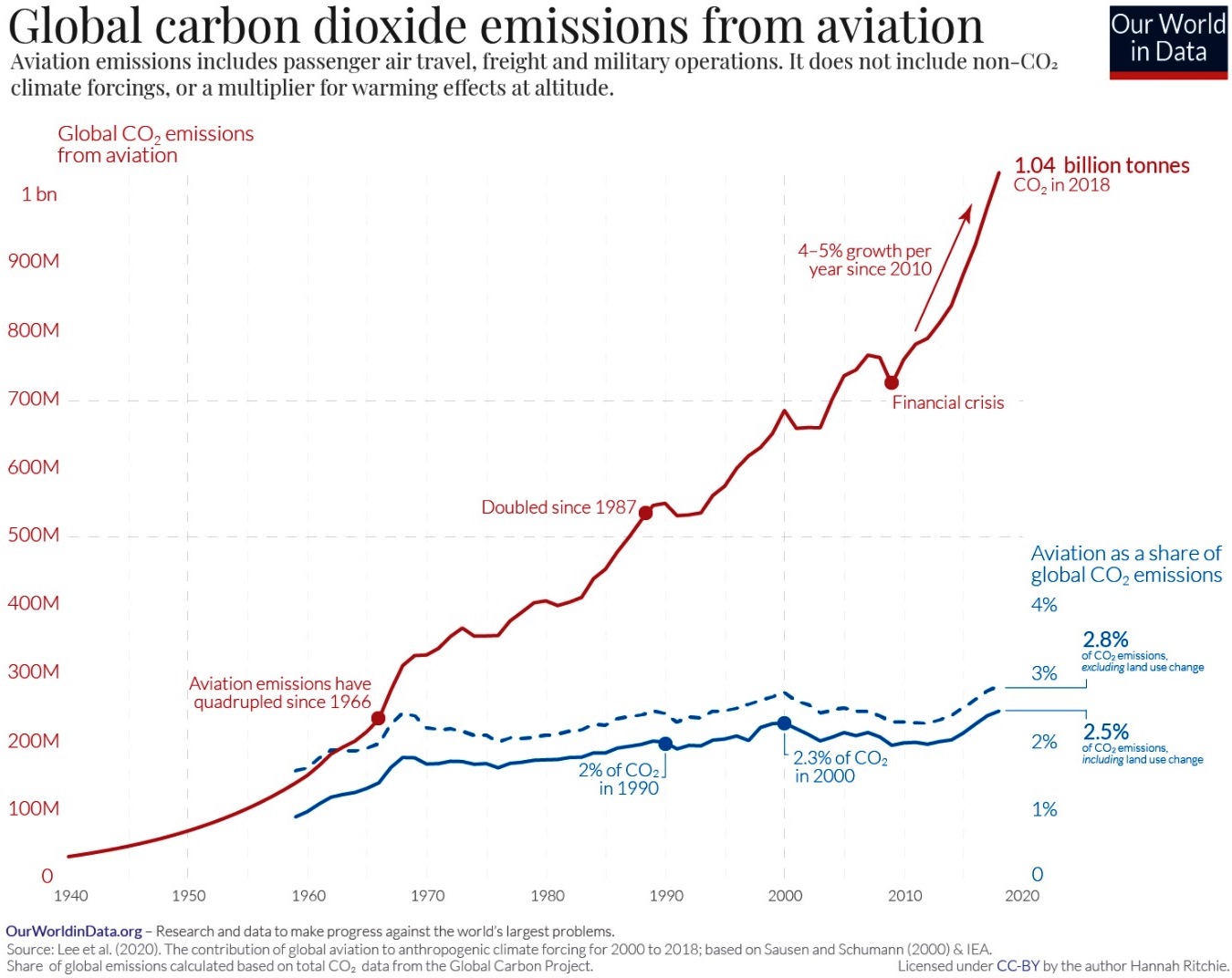
Lee et al. - Global carbon dioxide emissions from aviation But hey, at the end of the critical decade for the planet, we'll all be living in Mark Zuckerberg's Metaverse. As if Facebook wasn't bad enough. 
You'll be hearing more. |
||||||||||||||||||||||||||||
|
Thursday 28th October |
||||||||||||||||||||||||||||
|
Yesterday I promised a brighter story. Here goes. Nothing to do with coronavirus, climate, Rishi Sunak's budget, the Queen's absence from COP26.
It's about one of my heroines, singer and actress Beverley Knight, prompted by an interview in last Monday's Guardian. 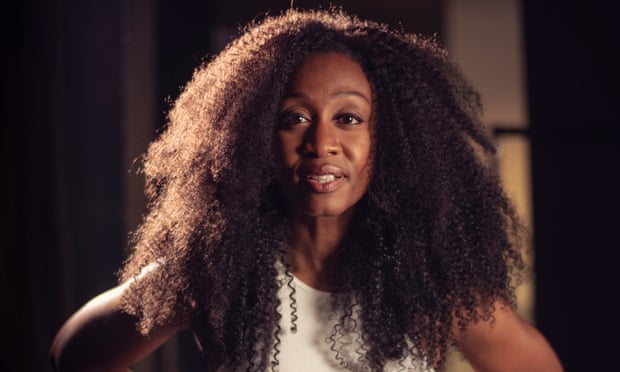
It's the tale of a woman who has done things her own way. As the article headline says, "It's been a harder journey than if I'd acquiesced. But sod that." A proud daughter of Wolverhampton (she was presented with the Freedom of the City in 2018), she turned down early record offers to complete a degree in theology and philosophy. She is respected around the world - Prince and Bowie were big fans. If you haven't already done so, read the full interview - it's inspiring, worth every minute of your time: Today's treat is her cover of "Piece of my Heart". Originally recorded by Erma Franklin in 1967, most of us will know the 1968 version by Janis Joplin with Big Brother and the Holding Company. The song starts with a couplet that leaves my jaw on the ground - when sung by Beverley: Didn't I make you feel like you were the only man? Didn't I give you everything that a woman possibly can? 
|
||||||||||||||||||||||||||||
|
Wednesday 27th October |
||||||||||||||||||||||||||||
The pressure on COP26 grows greater by the day. Not least from yesterday's publication and launch of the United Nations Environment Programme Emissions Gap Report 2021.
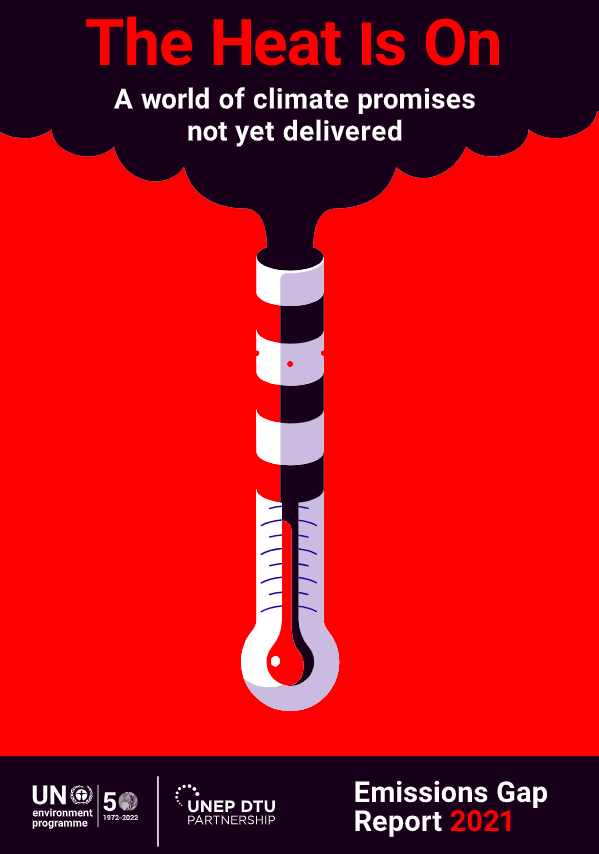
Executive Director of the programme Inger Andersen doesn't mince words in the foreword to the report: 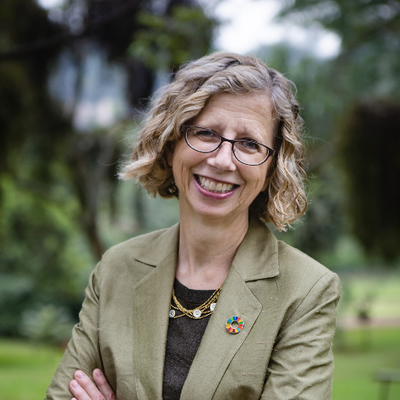
"Climate change is no longer a future problem. It is a 'now' problem. As we saw this year, devastating impacts are spreading across the globe and growing ever stronger. The Intergovernmental Panel on Climate Change told us a few months ago that we have a 50 per cent chance of exceeding a 1.5°C temperature threshold within the next few decades. "Climate action so far has been characterized by weak promises, not yet delivered. As the Emissions Gap Report 2021 shows, the updated nationally determined contributions (NDCs) under the Paris Agreement fall into the same trap. These pledges only take 7.5 per cent off predicted 2030 emissions, compared to the previous round of commitments. This is far from adequate. Reductions of 30 per cent are needed to stay on the least-cost pathway for 2°C and 55 per cent for 1.5°C. "If nations only implement unconditional NDCs as they stand, we are likely to hit global warming of about 2.7°C by the end of the century. Current net-zero pledges could cut another 0.5°C off global warming - but these pledges are still ambiguous, delayed in many cases and not folded into NDCs. At the same time, this year's Emissions Gap Report shows that the opportunity to use pandemic recovery spending to reduce emissions has been largely missed. "To get on track to limit global warming to 1.5°C, the world needs to take an additional 28 gigatons of carbon dioxide equivalent (GtCO2e) off annual emissions by 2030, over and above what is promised in updated unconditional NDCs. For the 2°C Paris Agreement target, the additional need is lower: a drop in annual emissions of 13 GtCO2e by 2030. To be clear: we have eight years to make the plans, put in place the policies, implement them and ultimately deliver the cuts. "The clock is ticking loudly. The world has to wake up to the imminent peril we face as a species. We need to go firm. We need to go fast. And we need to start doing it now." If you can stomach it - maybe just for reference, eh? - here's the full report (62 pages of main text and charts, 29 pages of preamble, 16 pages of appendices, 5 pages of padding, an astonishing list of contributor credits, 112 pages total): I don't know what to do with it. Gloomy beyond measure. Part of my reaction is guilt, particularly triggered by this graph of global greenhouse emissions from 1970 to 2020. The span of my adult life. As I hitch-hiked around the USA in 1970 I had no sense of the grim contribution that my generation would make to the planet. Smog was a local irritation in downtown Los Angeles. 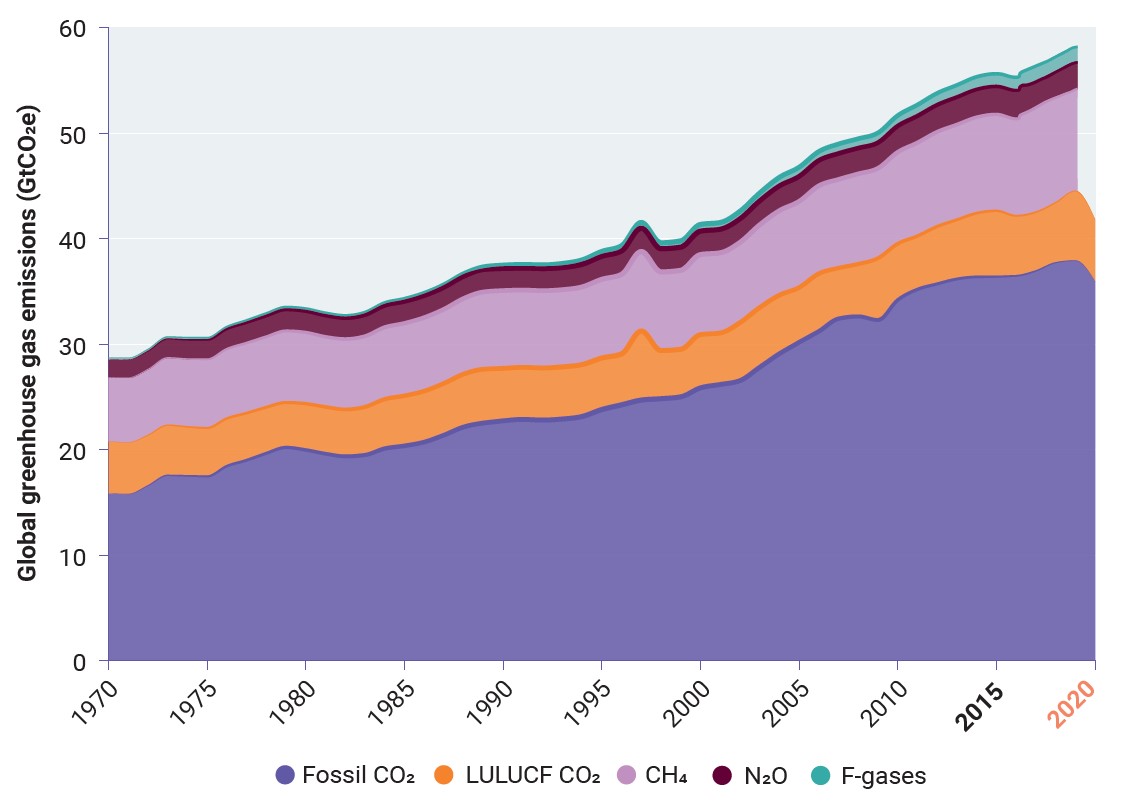
The challenge for COP26 looks too great. No wonder Boris is showing signs of anxiety. It could demonstrate an abject failure of leadership on his patch. I'll have to dig up some joyful news to offset this. I have just the thing. Wait until tomorrow. |
||||||||||||||||||||||||||||
|
Tuesday 26th October |
||||||||||||||||||||||||||||
|
Last weekend's Guardian Saturday had an article titled "They will not obey" featuring 20 activists arrested for climate protests.
Stroud's Extinction Rebellion co-founder Gail Bradbrook was among them. We first met Gail at the Nailsworth Quaker meeting. Later we attended her course on Quaker Economics. At the time she and John Fisher were running Citizens Online, an organisation promoting wider internet access, instigator of the 'Fix the Web' campaign. My band The Love Vultures played at their wedding party. 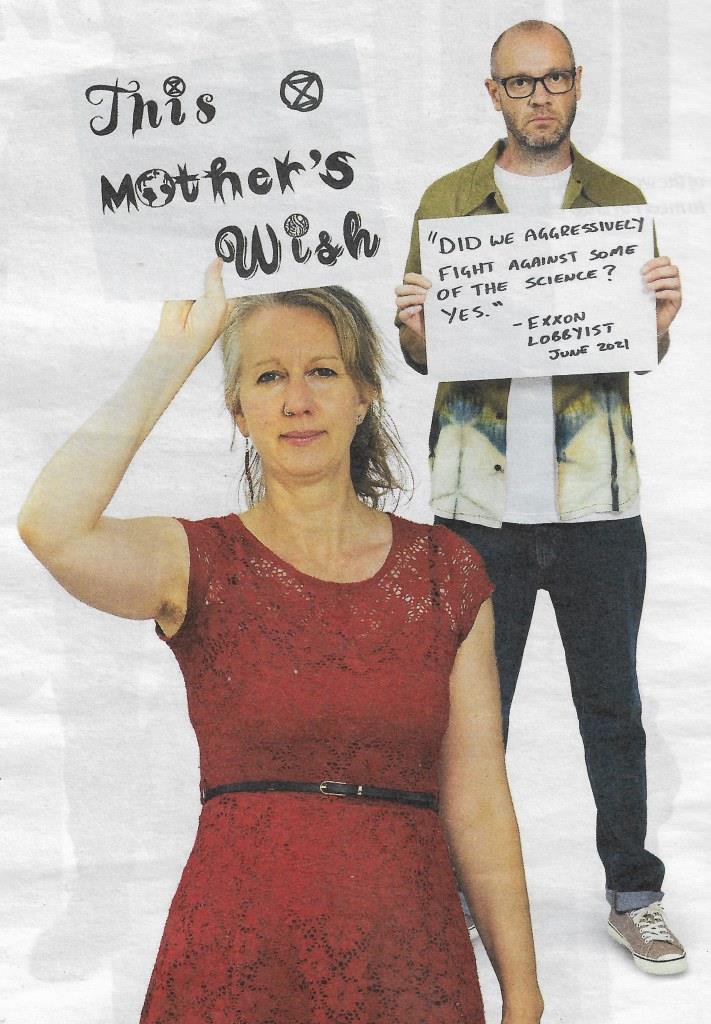
Here's the article: I'VE GOT THIN WRISTS - I SLIPPED OUT OF HANDCUFFS GAIL BRADBROOK Age: 49 Profession: Extinction Rebellion co-founder Circumstances of arrest: fur farm protest, Huddersfield, 1991; fracking site blockade, Lancashire, July 2017; Javelin Park incinerator protest, Gloucestershire, August 2017; anti-fracking protest outside the Department for Business, Energy and Industrial Strategy, London, October 2018; XR action at the Department for Transport, London, October 2019; breaking window at Barclays bank, Stroud, March 2021; raid on home, Stroud, May 2021 I'm losing count of my arrests. In XR, arrest is part of a clear strategy. We have people trained in de-escalation, legal observers. You communicate to people their rights; you have explicit principles and values, including non-violence. Arrest becomes a sacrificial act. People can be raring to go with civil disobedience, then they go: 'Hang on, what do I do when I need the toilet?' You say: 'You have to wear a nappy' - and that's when you lose them. There are skills you have to develop; it's very good for your pelvic floor. I don't tend to get arrested as much in the XR rebellions because I'm needed as a spokesperson. The last time was in 2019, protesting outside the Department for Transport - responsible for people dying of air pollution. I got a leg up on to the door and used a little hammer and chisel to break a pane of bulletproof glass. They said it would cost £27,500 to replace. In March this year, I broke the window of my local Barclays bank - the biggest funder of fossil fuels in the EU. That was part of XR's Money Rebellion over the banks' role in the climate crisis. We make donations to climate causes with credit cards then ask the banks to write off the debt. It's a novel form of protest; we're helping them to do the right thing. In May, the police raided my home and arrested me over conspiracy to cause criminal damage and encouraging fraud, which I deny. Four officers had come from London to Stroud, which made me feel quite special. They always come at 5.30am. The idea is you're half-asleep, so you're more likely to 'talk'. They even tried to follow me into the bathroom. I told the woman: 'I've got my moon cup to deal with; if you want to watch, that's fine with me.' She stayed outside. Then they took me to the nearby cells, put me in a holding pen and handcuffed me. There's no reason other than to try to humiliate me - we all know the game. I've got really thin wrists, so I slipped out. That upset them. I used the police interview to talk about the climate emergency - partly to influence the people in the room but partly so that it's on the record. I'm awaiting trial in November for criminal damage to the window. But we're not breaking the law; we are conscientious protesters. There needs to be provision made for that as there was for pacifists during the war. Instead, they've taken my phone and laptop and I could be facing up to 10 years' prison if I'm charged with conspiracy. Really, we're conspiring to protect life on Earth. What gives you hope? People are longing to move away from this current, consumer-focused system. I think it's a natural human trait to be courageous. What keeps you up at night? There are a lot of disagreements in XR and I can let ridiculous things get to me. I've read the climate science, I've been in deep grief, but it doesn't keep me up. If you're unfamiliar with the moon cup, watch the instructional video: This is from the Mooncup® website: "What is the Plastic-Free Periods campaign? "The Plastic-Free Periods campaign aims to lift the lid on the hidden plastic in period products. The campaign encourages all of us to make an active and informed choice when it comes to our periods. We couldn't be prouder to be the menstrual cup of choice for this planet friendly periods movement. "Jasmine Tribe, Campaign Manager at City to Sea, said: 'We're over the bloody moon to be partnering with Mooncup through our Plastic Free Periods campaign! Mooncup have been championing reusable period products for two decades, so with their expertise and our award-winning campaigns, we expect exciting things to come!'" 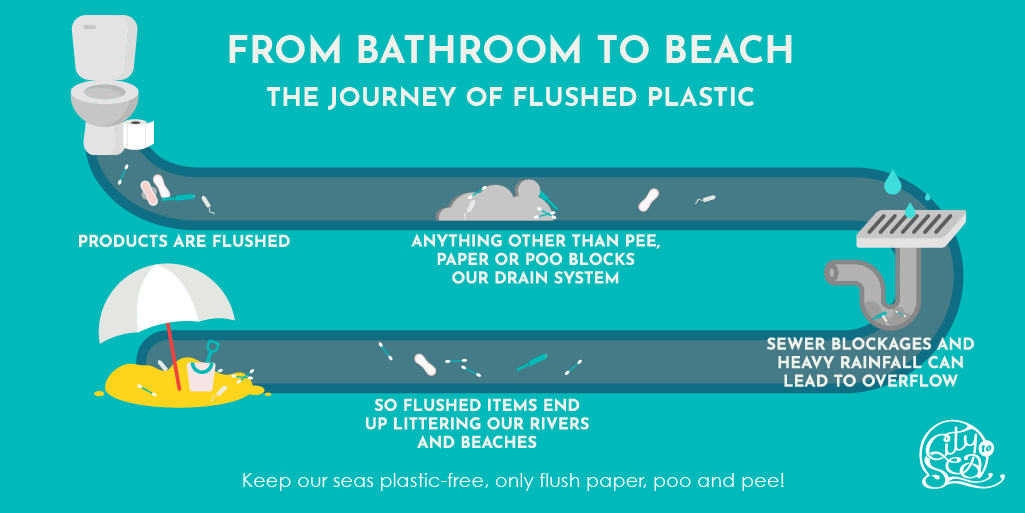
|
||||||||||||||||||||||||||||
|
Monday 25th October |
||||||||||||||||||||||||||||
|
While puzzling over the Stroud coronavirus case spike yesterday I omitted to mention the Immensa farrago as a potential contributor. I don't know if it is, but it's worth a mention.
Immensa Health Clinics Ltd was set up in May 2020 and received nearly £170m in NHS test-and-trace contracts. The UK Health Security Agency announced 10 days ago that it was suspending operations at Immensa's laboratory in Wolverhampton pending an investigation into concerns that at least 43,000 people with coronavirus had been wrongly told their swabs tested negative for the virus. There have been some interesting tweets about the company's suitability and the contract awards. First, from Professor Colin Davies of Bristol University: 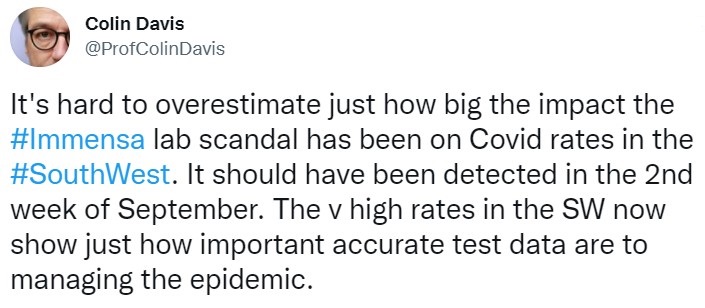
Next, from Deepti Gurdasani, epidemiologist and public health researcher at Queen Mary University of London: 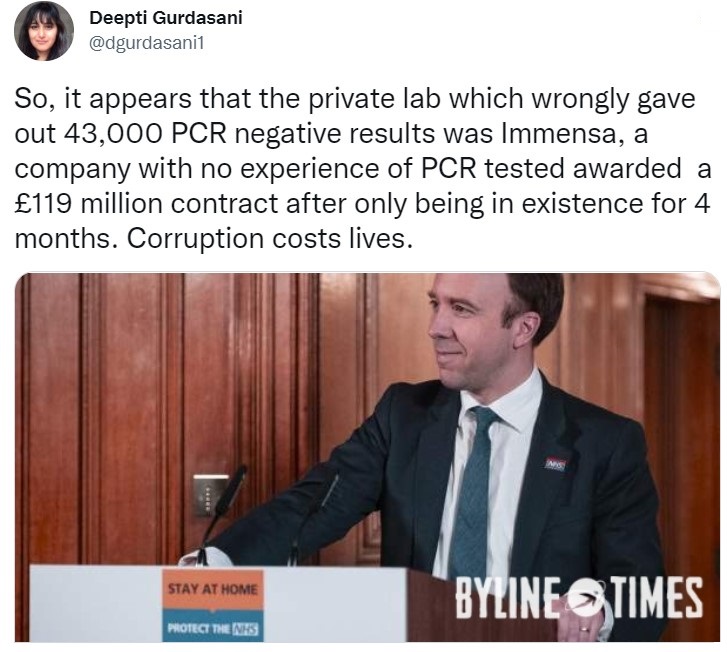
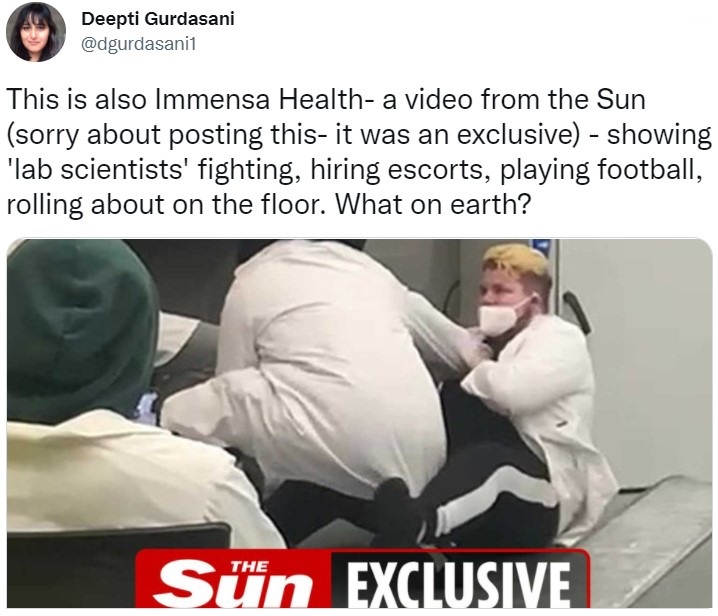
Alan McNally, Professor in microbial evolutionary genomics at the University of Birmingham, has said: "The UK Health Security Agency and Department of Health and Social Care need to make it very clear what they mean by the Immensa lab being 'fully accredited'. If it is not at all UKAS [the UK National Accreditation Body] accredited, and it is not an official part of the Lighthouse lab network, which has its own very rigorous accrediting and validation process, then how exactly was it determined to be fit and proper to deliver Covid testing to the UK public?" UKAS itself confirmed on its website a week ago: "Neither Immensa Health Clinic Ltd nor its related company Dante Labs Ltd has been accredited by UKAS." Colin Davies published this chart at the weekend, created by him from the Public Health England dashboard (click to enlarge): 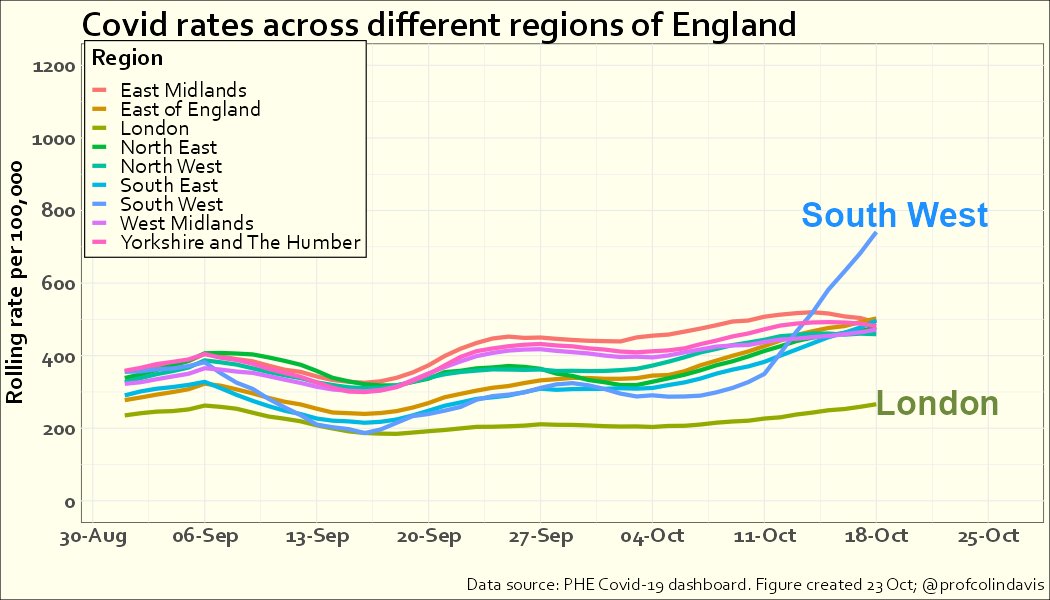
Did this affect Stroud? Did people who believed they had tested negative infect a significant number of others here? As I said at the top, I don't know. [By the way, I hope I have worked out my number confusion of yesterday. It was quite simple. Half of the case statistics were WEEKLY totals. The others were 7-day average DAILY figures. Hence the upper limits of the graph scales representing the second were 1/7th of the first. I have edited or deleted text. Of course, you may not have noticed anything 😉] |
||||||||||||||||||||||||||||
|
Sunday 24th October |
||||||||||||||||||||||||||||
|
The pandemic/endemic in the UK is at a curious point. The number of cases has risen steadily, but - as we have heard consistently over recent months - deaths do not match the case trajectory. The government appears to be sticking to the latter as the basis for its decision-making, its determination not to undo "freedom day". In the run-up to the 19th July release, Boris - I always thought it was unwise - frequently repeated the word "irreversible". The guiding principle is still personal responsibility - even while scientists and medics are mostly critical of that stance.
There is a dramatic increase in case numbers here in Stroud according to the BBC's "Coronavirus in your area" report, sourced from NHS England and the GOV.UK dashboard. A huge spike. 1,224 cases per 100,000 people in the week 12 - 18 October. The England average was 484. 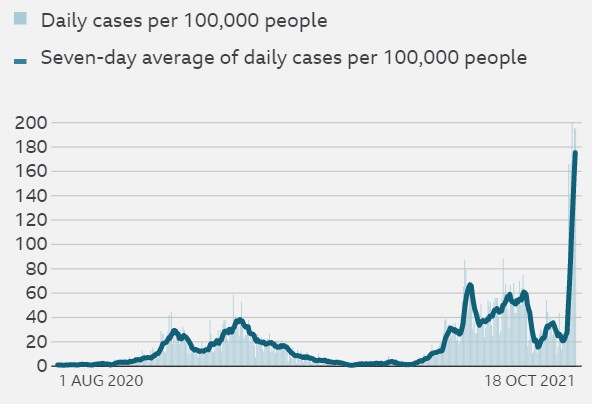
The case total is 3 times that of last winter's peak. That's barely believable. 2.5 times the current England average. Here's the age split: 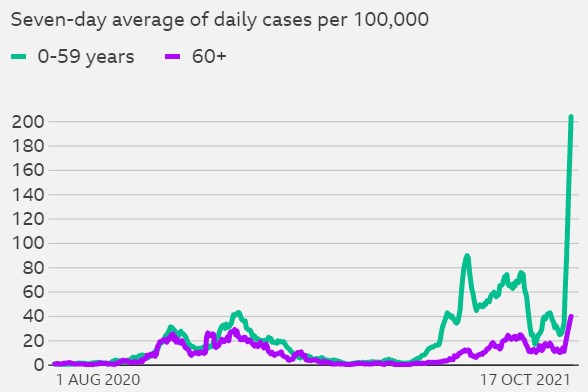
Stroud case density map (per 100k): 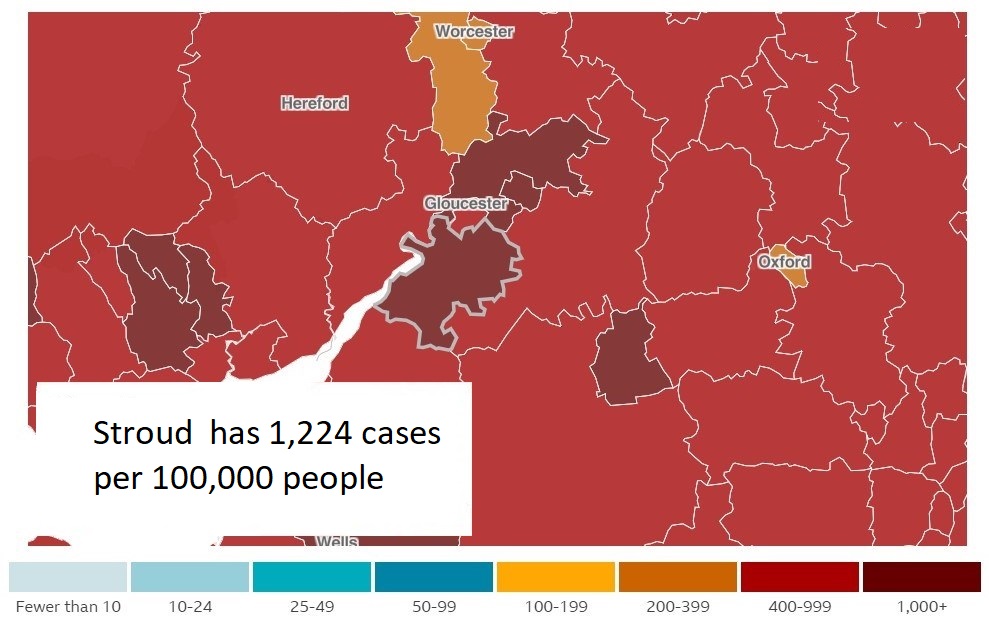
I went direct to the GOV.UK site and found roughly the same picture. I suppose it would be - it's the same source. 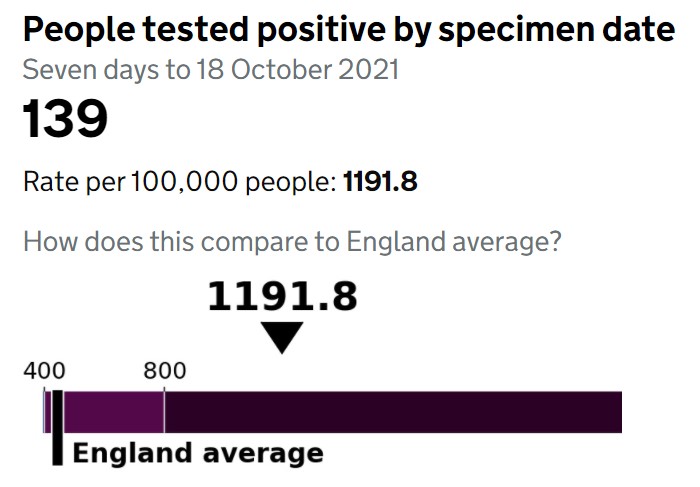
What is likely to trigger Plan B? Cases or deaths? Or hospitalisations and NHS pressure? Is there any doubt that the old mandated controls like mask-wearing and social distancing would have a beneficial effect? It's not just the government who is unwilling to return to restrictions, but Joe and Jill Public as well. I'm usually the only one wearing a mask in the corner shop. The Saturday Farmers' Market was packed - few masks, no distancing. The same mask absence in Waitrose. I hear that our beloved local the Crown and Sceptre operates more-or-less in pre-pandemic fashion; I don't know from personal experience - I'm still not prepared to go there. But most people don't want to go back to anything resembling lockdown. Somebody has been doing something right over the last three months across the Channel in - dare I say its name? - the EU. Italy, France and Spain have all had their surges in the past. Not now. What's wrong over here? Click to enlarge the FT/Johns Hopkins chart below. 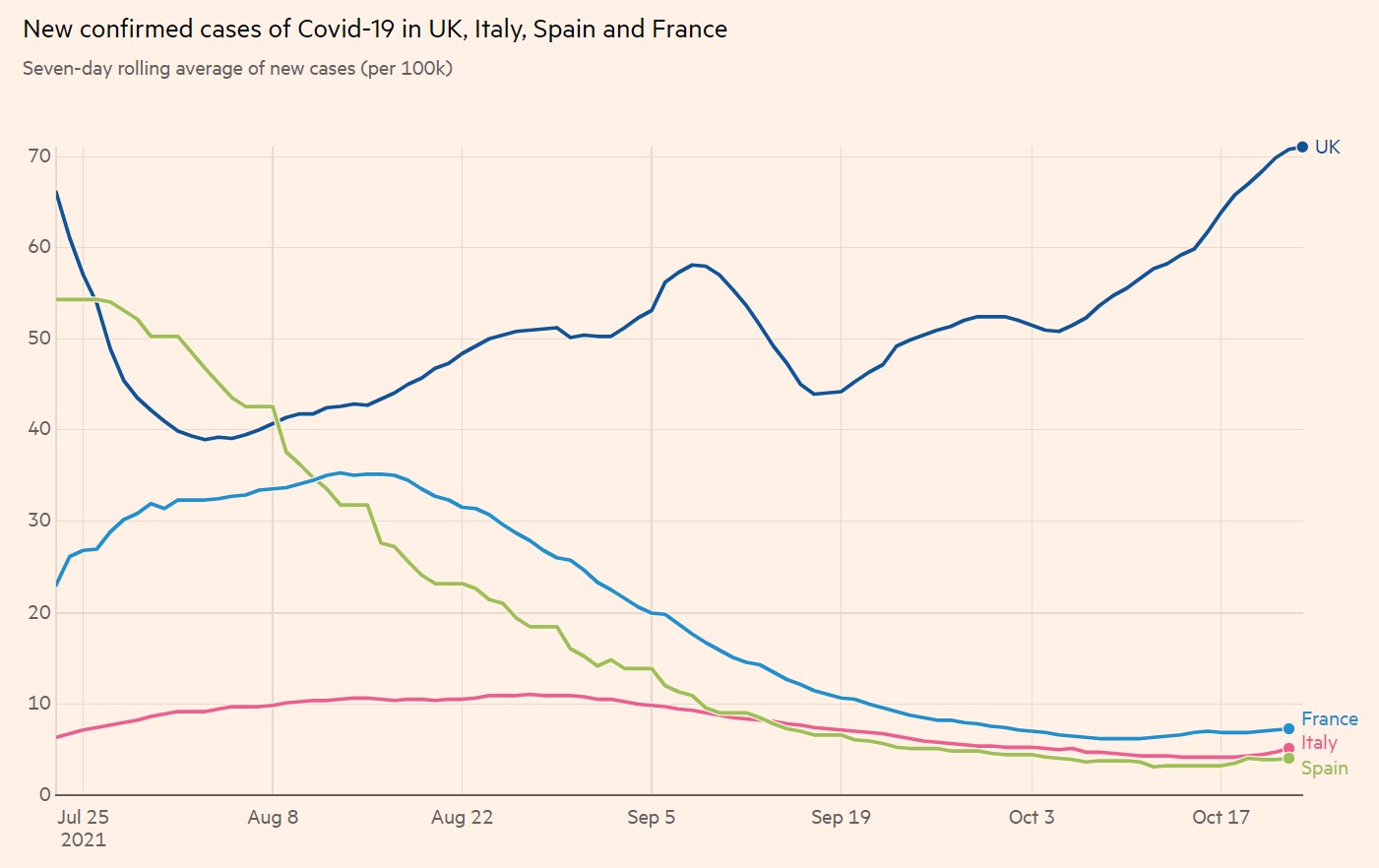
|
||||||||||||||||||||||||||||
|
Saturday 23rd October |
||||||||||||||||||||||||||||
As part of my plan to food shop locally and avoid as much packaging as possible, I made my first visit to Loose in Stroud High Street yesterday. Bring your own containers, plastic free. I was given the guided tour by the owner Julie. She dispensed some of my favourites (into recycled paper bags): butter beans, black beans, chick peas, barley, arborio rice.
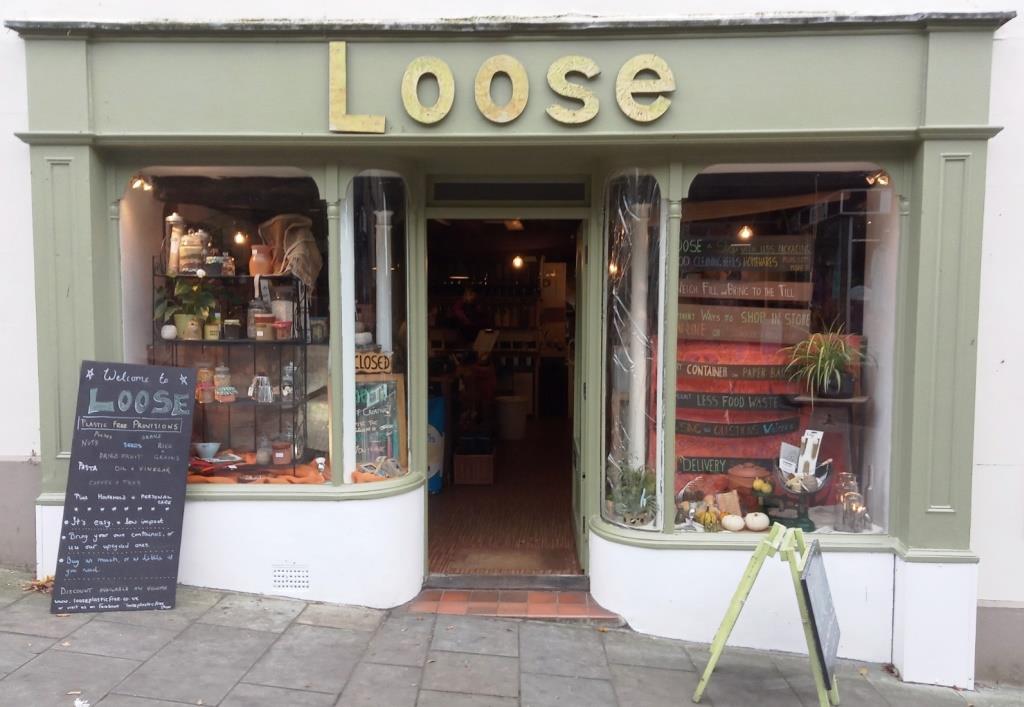
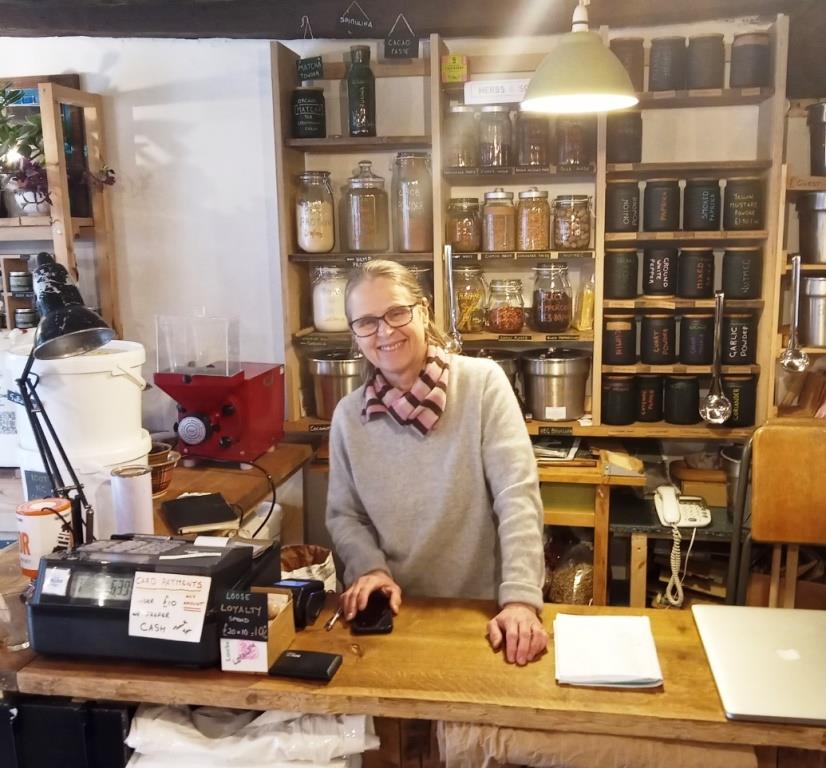
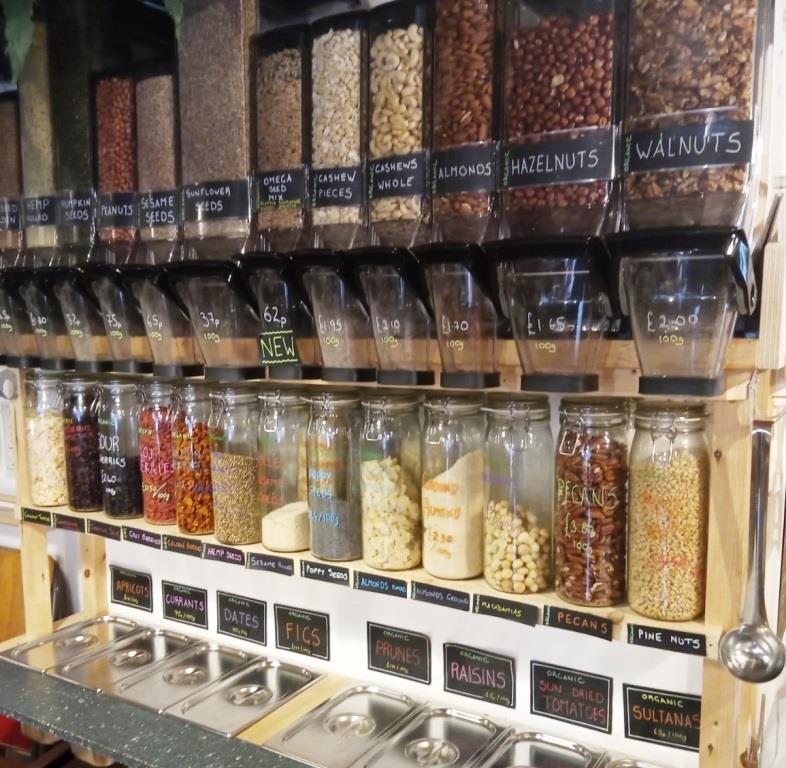
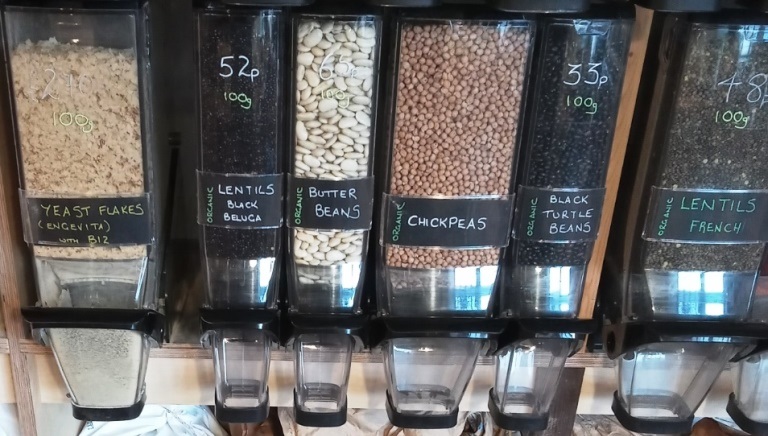
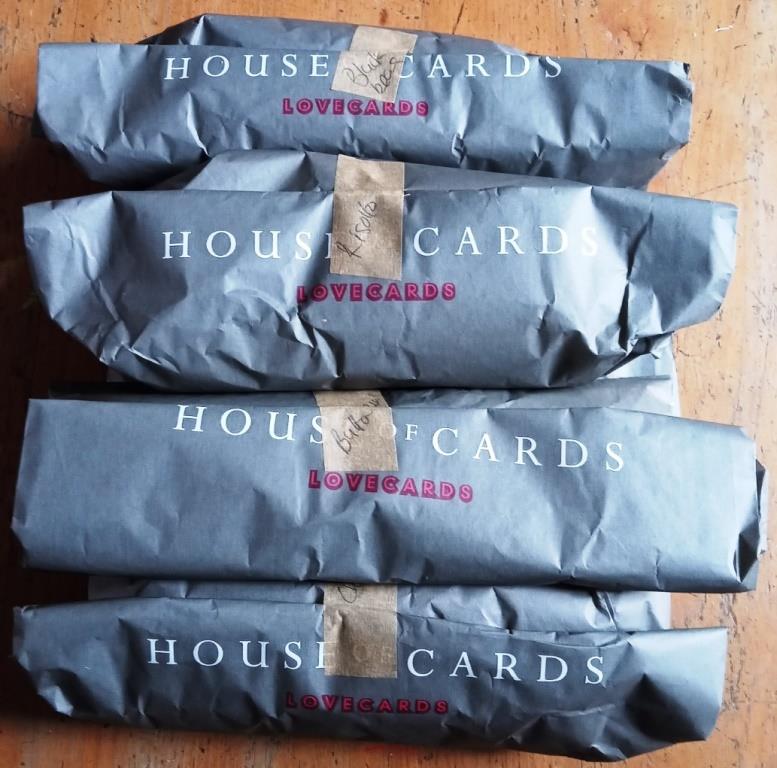
I needed local produce for a bean and veggie stew, so off to Stancombe Beech Farm Shop up the road towards Bisley. 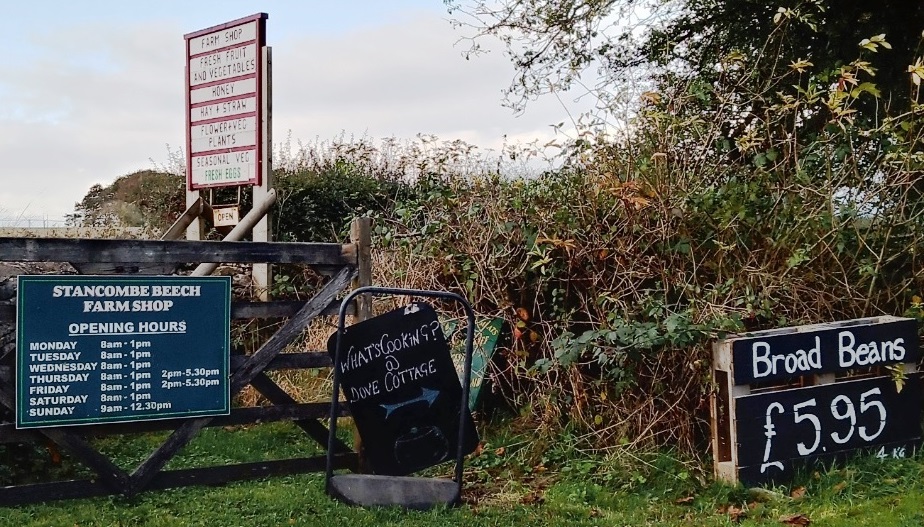
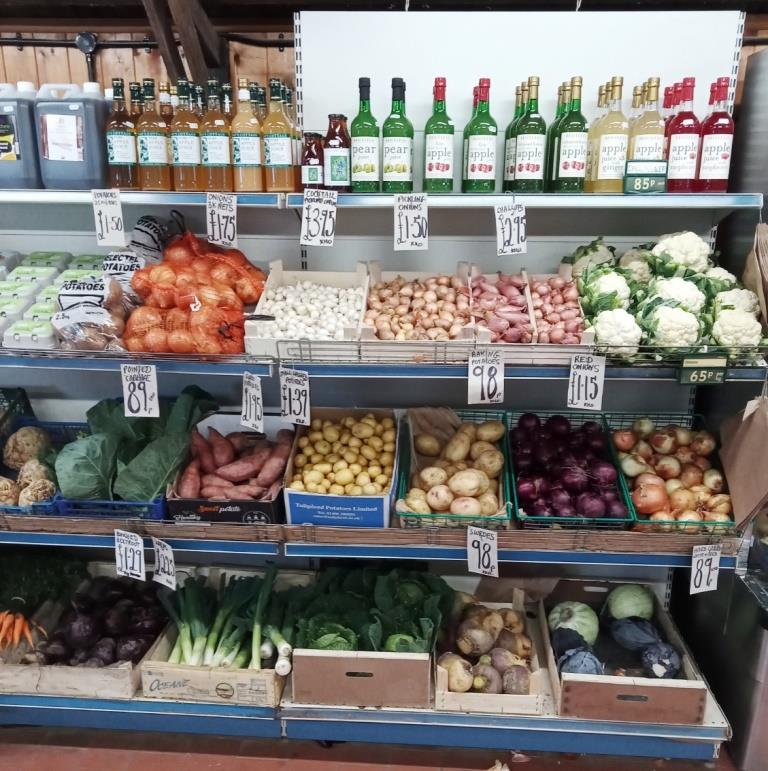
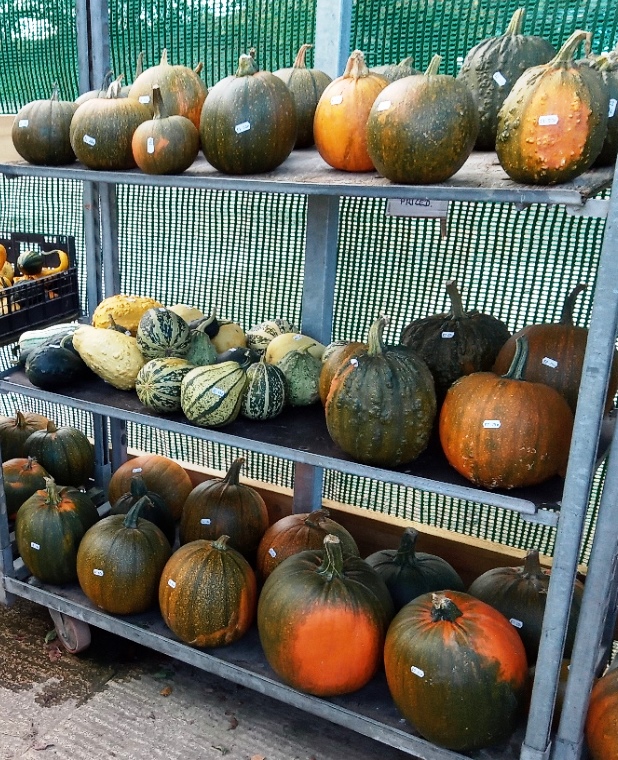
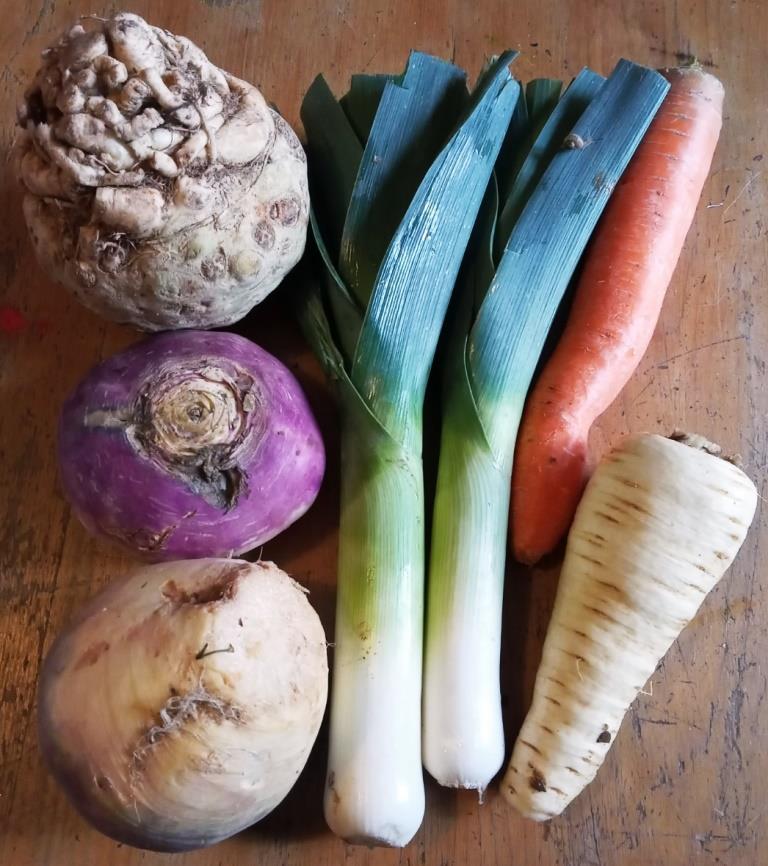
Mission accomplished. No packaging. Fresh produce. Supporting local traders, growers and staff. Fun too - out and about in the community. Eat yer heart out, Waitrose. I may have then ruined it all by dining da Giuseppe in Nailsworth. Oh well, the restaurant is a delightful local treasure and the food all beautifully cooked (or chosen) by himself. The antithesis of a chain operation. 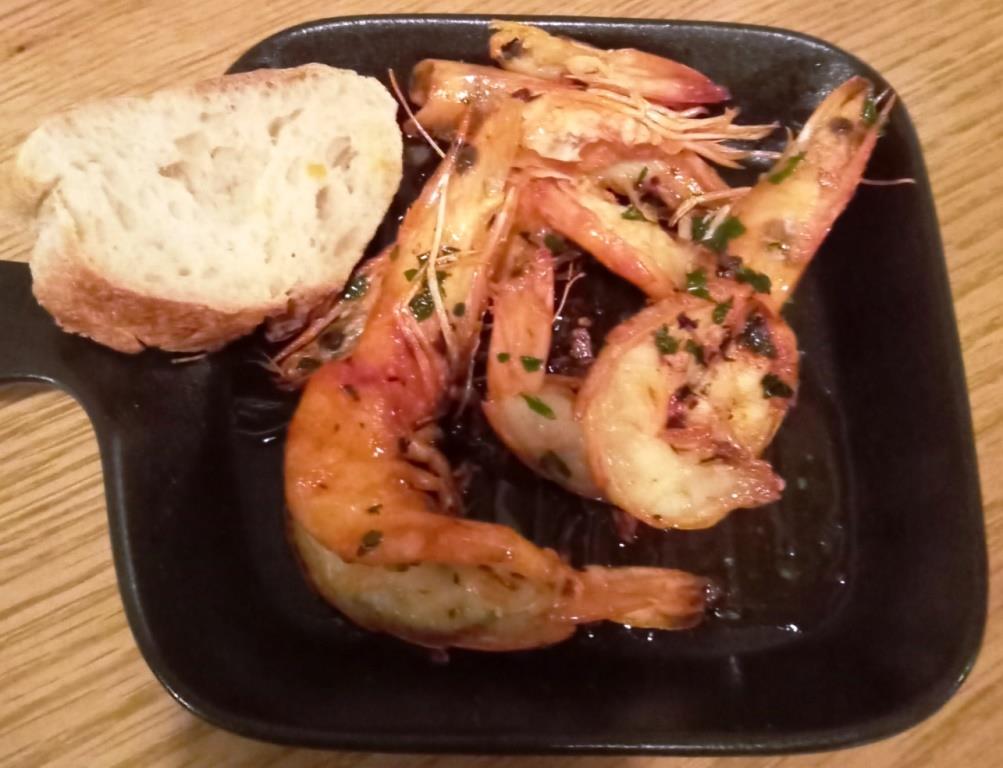
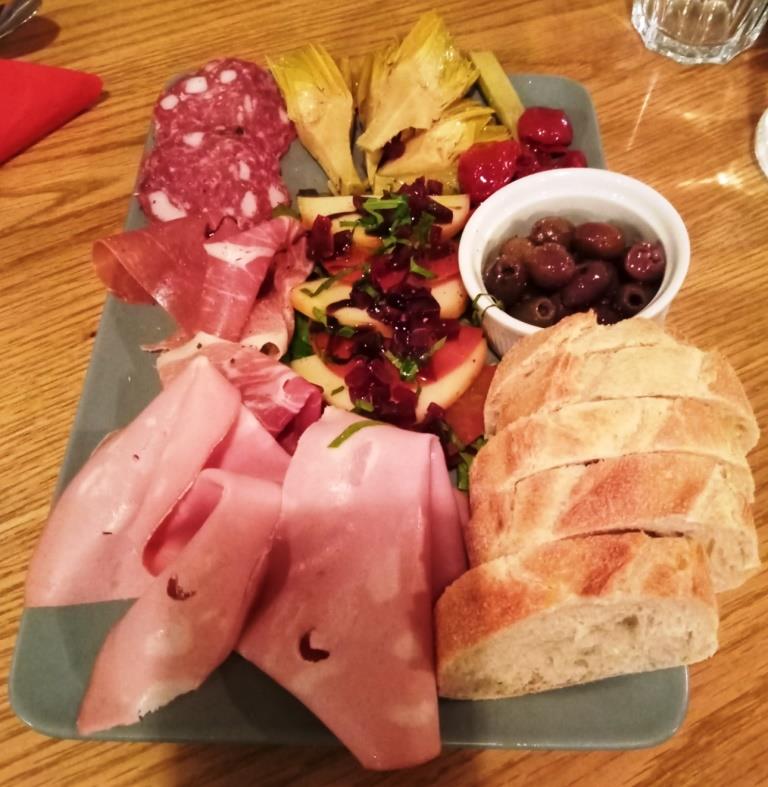
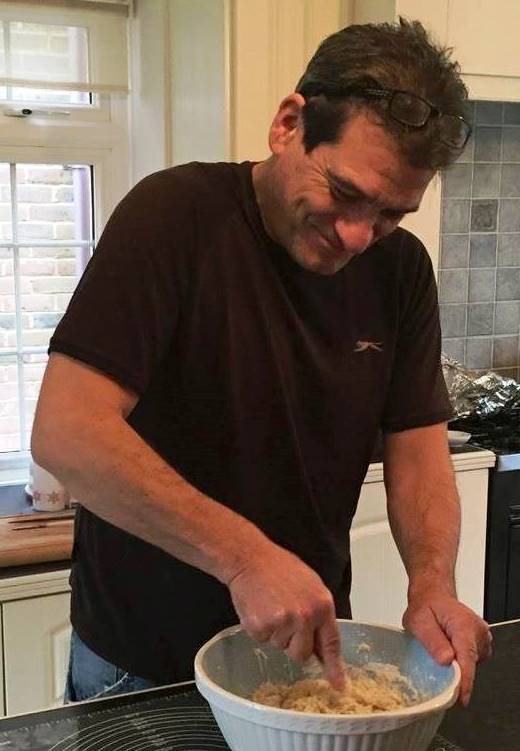
|
||||||||||||||||||||||||||||
|
Friday 22nd October |
||||||||||||||||||||||||||||
|
No Plan B. Live with it. Both grandson Marlie and granddaughter Lola have tested positive.
Meanwhile, son Ben has managed to get a vaccination in Sicily after months of never being in one country long enough to do so. "Just had my first jab. The pharmacist said I was a complicated case: English passport, Spanish residence permit, Italian tax number and I've had Covid. Nonetheless, she was very nice and computer said 'yes'." Defying Brexit. Suffering the privations of southern Europe. He's just been to the coastal comune of Cefalù and the island of Ustica. 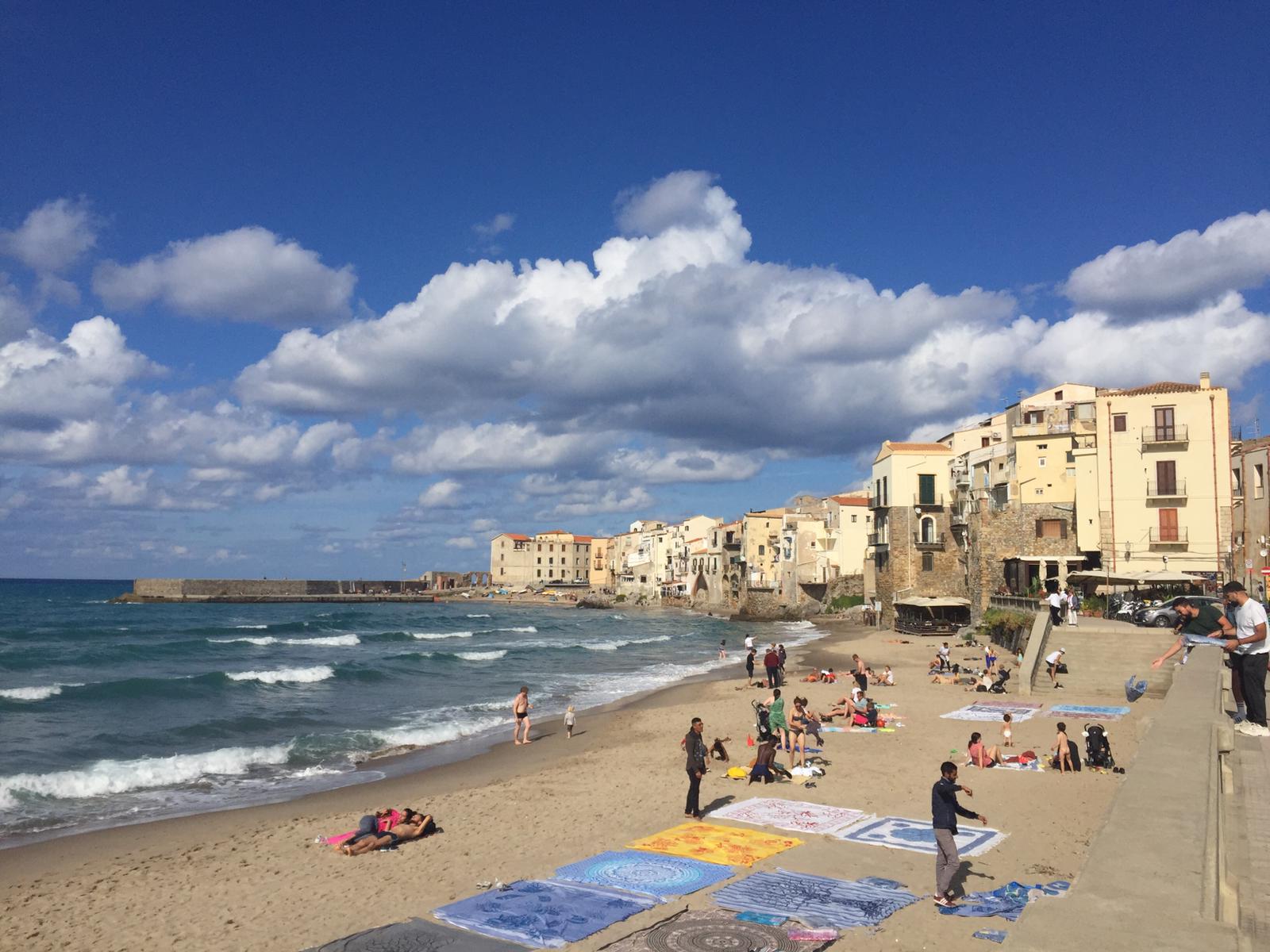
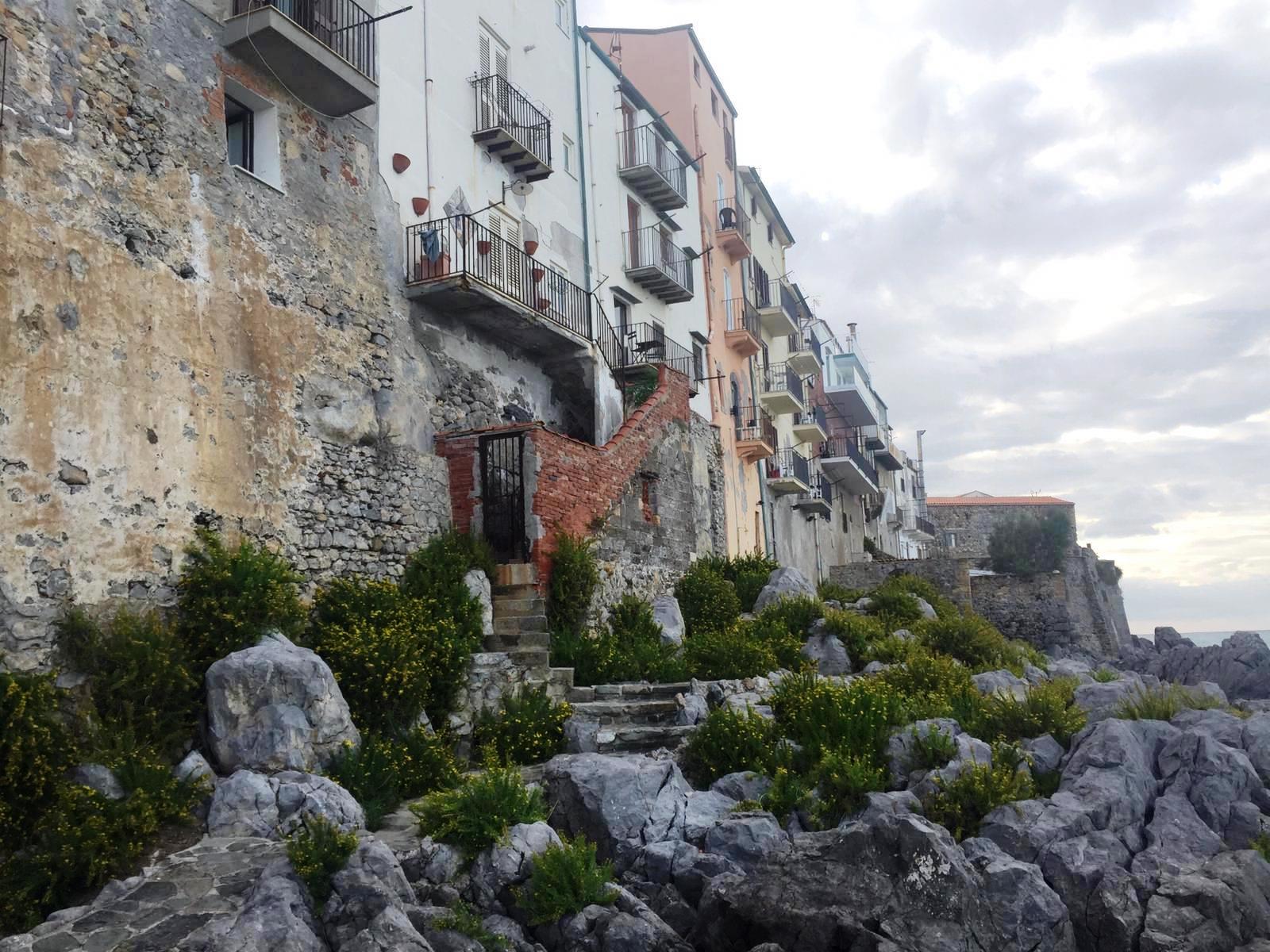
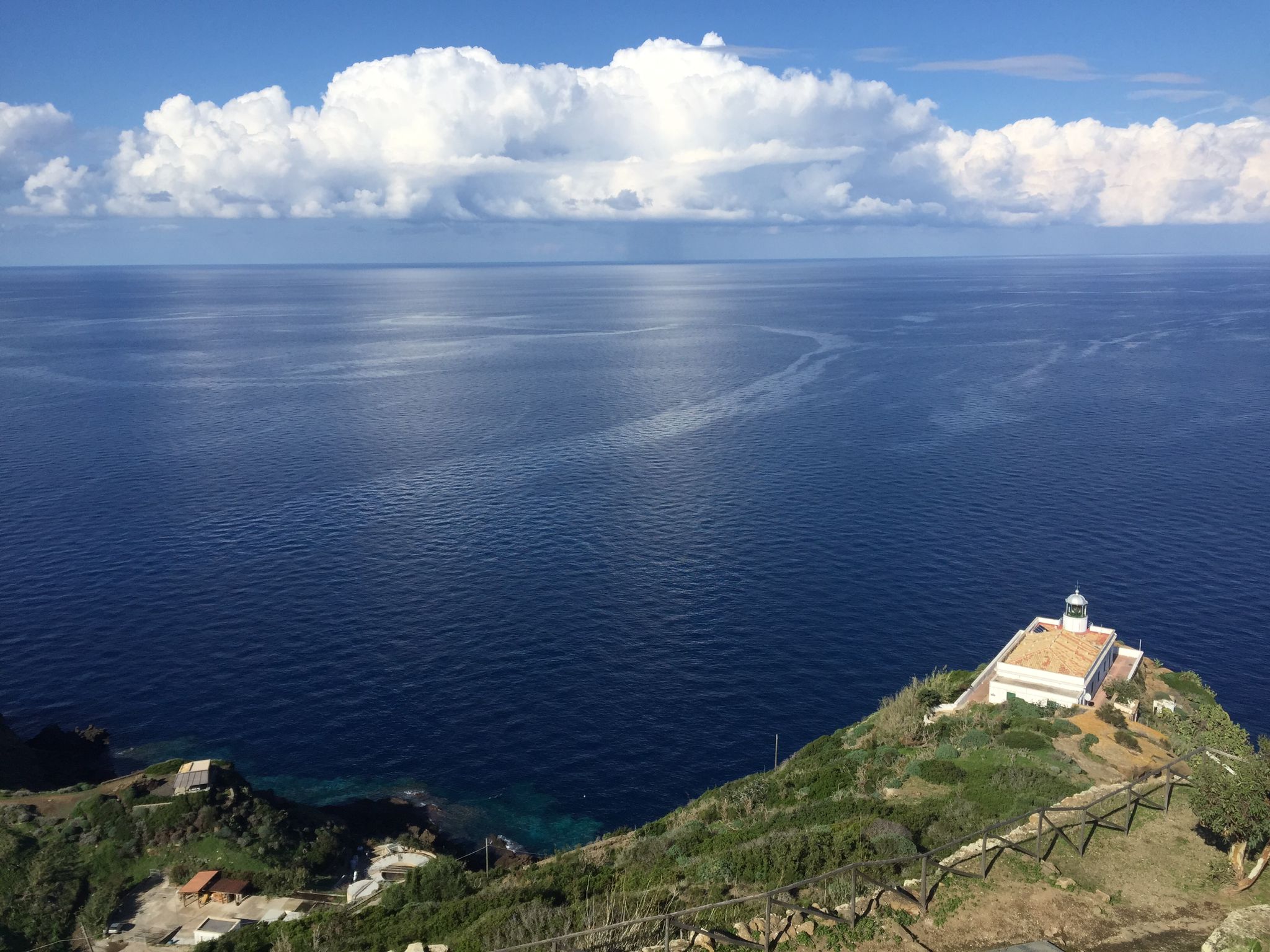
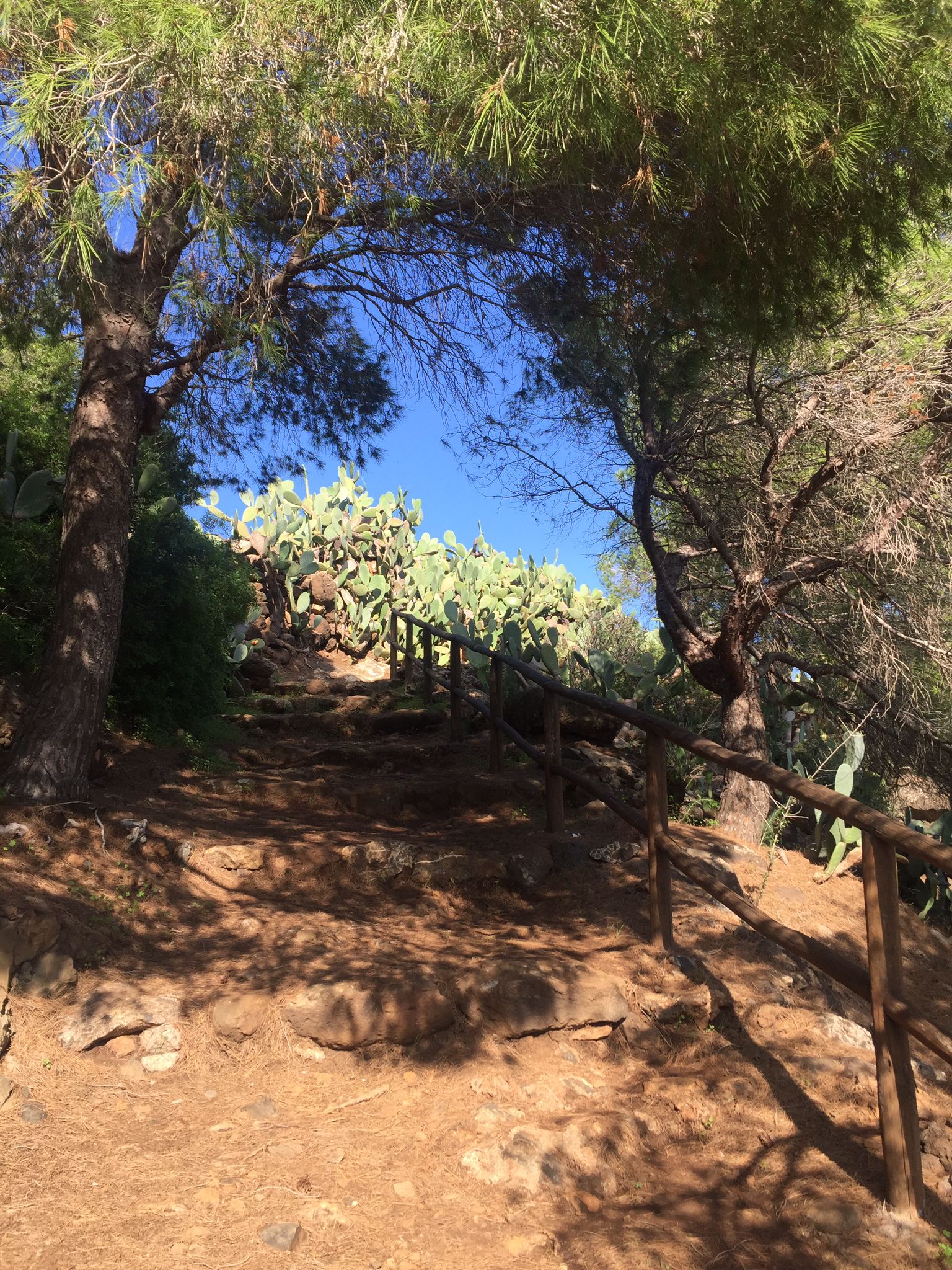
In contrast, I went shopping yesterday for a British winter. My first ever overcoat. 
|
||||||||||||||||||||||||||||
|
Thursday 21st October |
||||||||||||||||||||||||||||
|
Sajid Javid was late for the 5pm coronavirus press conference yesterday. Will the government once again be late in responding to the rise in cases?
These are the statistics with which we are faced (click to enlarge): 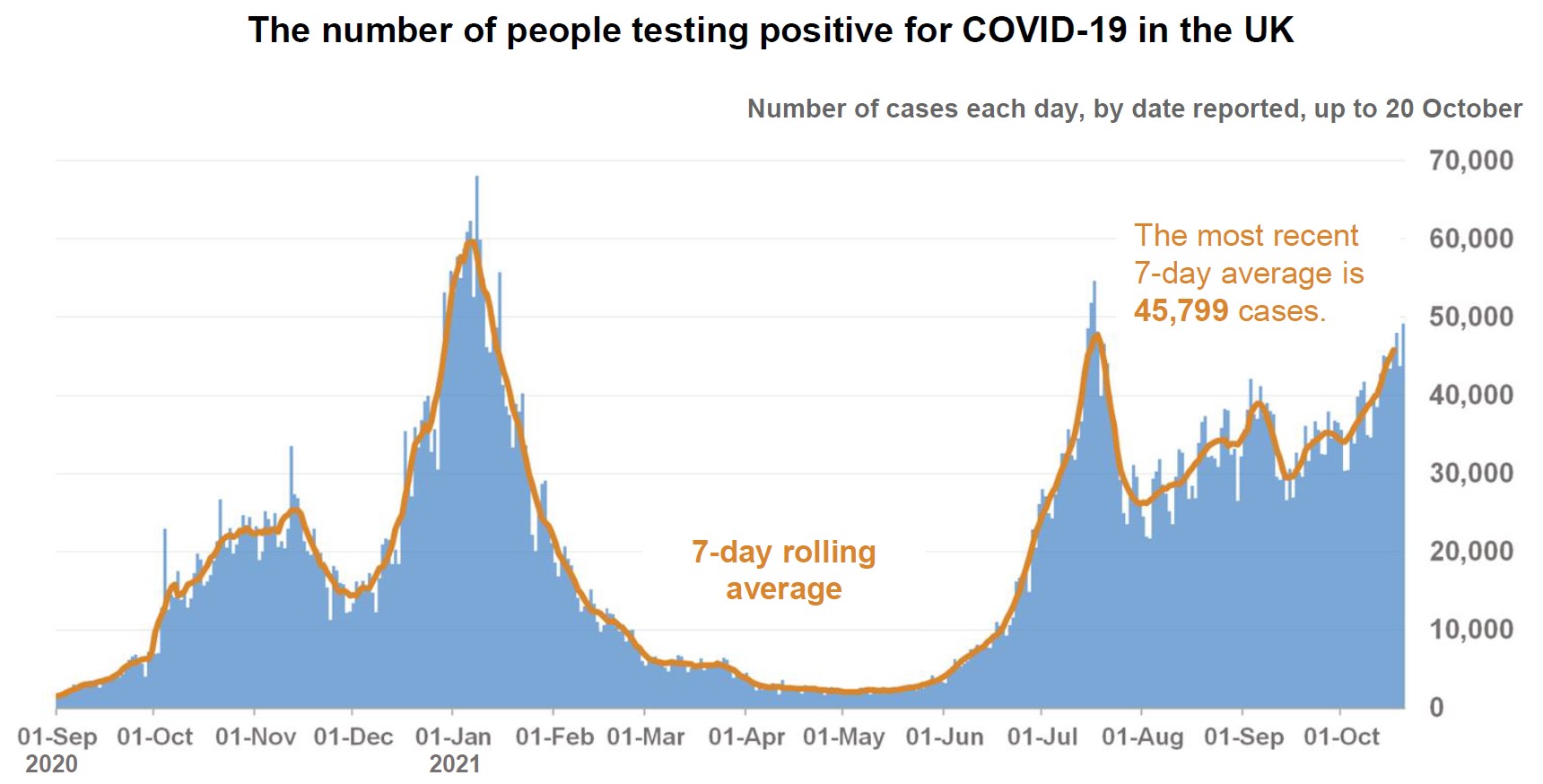
The cabinet is not going to implement Plan B yet. The emphasis remains on personal responsibility. Do we really want to wait for 100,000 cases per day? Consider this FT/Johns Hopkins case comparison of the UK with selected EU countries since 1st August (click to enlarge): 
There was a repeated challenge from Javid and his colleagues (no Chris Whitty?), with the hint of a threat of renewed restrictions, to the "5 million" - anti-vaxxers, vaccine-hesitant, plain-can't-be-bothered - to come forward for their jabs. We are encouraged to persuade our unvaccinated family, friends and acquaintances. How will I convince my neighbour? At the weekend he told me proudly that he was reading a David Icke book. Here's the emergency care and vaccination status picture (click to enlarge): 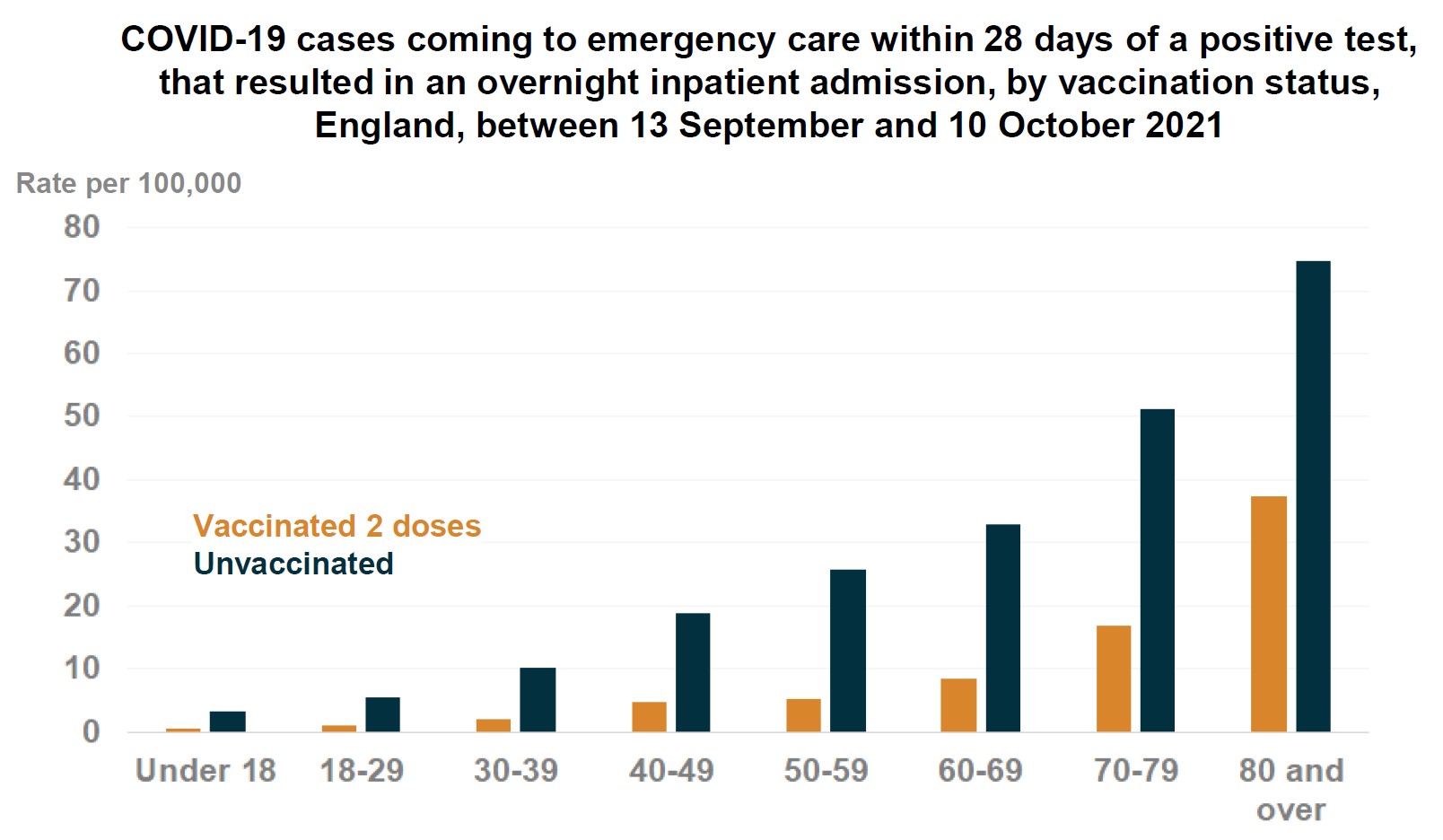
I've asked before - who are all these unvaccinated people in my age range and above? I'm awaiting a booster invitation. My second jab was administered on 15th May, so I presume I have to wait until after 15th November. I thought I'd give the NHS booking service a try anyway, but ... 
Slightly worrying. I'm now in the post-5-month reduced protection window. I'll keep the mask on. |
||||||||||||||||||||||||||||
|
Wednesday 20th October |
||||||||||||||||||||||||||||
Food waste today. Statistics from the British charity Waste & Resources Action Programme:

First, the headline bad news: "WRAP estimated annual food waste arising within UK households, hospitality & food service (HaFS), food manufacture, retail and wholesale sectors in 2018 at around 9.5 million tonnes, 70% of which was intended to be consumed by people, the rest being 'inedible'. This had a value of over £19 billion a year and would be associated with 36 million tonnes of greenhouse gas (GHG) emissions. Over 85% (by weight) of this wasted food arises in households and food manufacture." 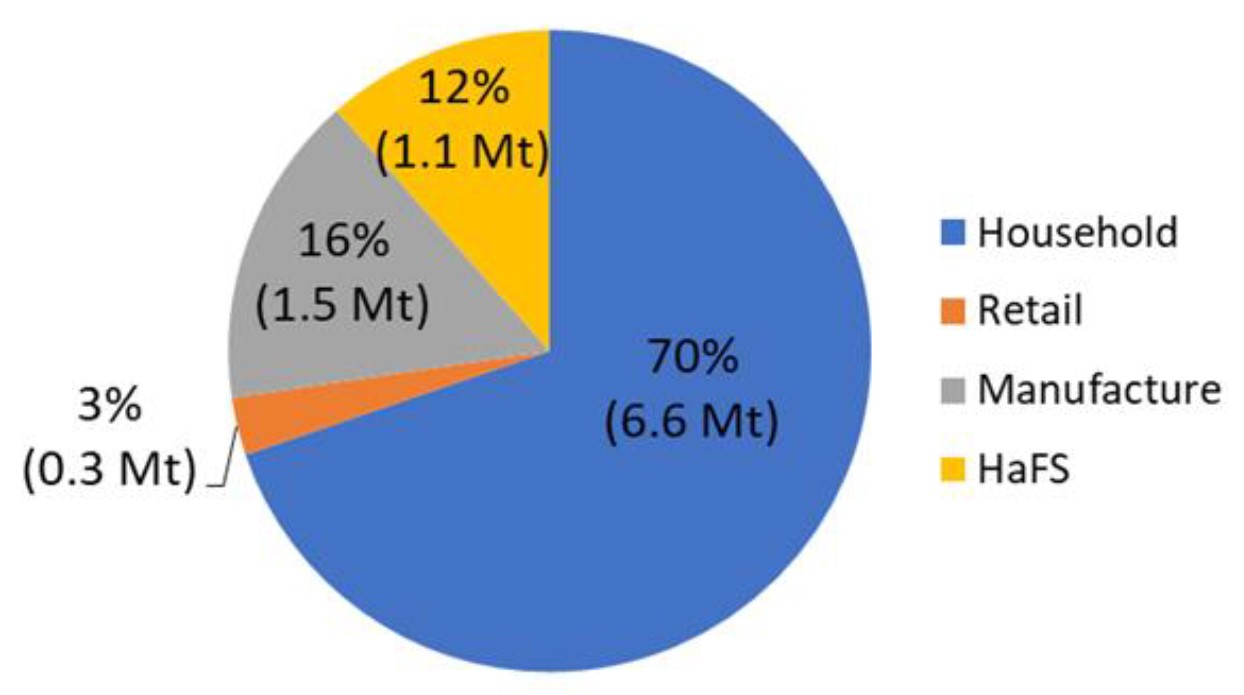
"Every day in UK homes we throw away approximately: 20 million slices of bread; 4.4 million potatoes; 920,000 bananas; 1.2 million tomatoes; 720,000 oranges; 800,000 apples; 2.7 million carrots; 970,000 onions; 86,000 lettuces; 3.1 million glasses of milk; 2.2 million slices of ham. "The food and drink we waste that could have been eaten would fill (British measures mostly): 8 Wembley Stadiums; 90 Royal Albert Halls; 38 million wheelie bins (based on a standard 240 litres); 3,600 Olympic-sized swimming pools; 490,000 bin lorries." Now the good news. It's not all gloom and doom. There are innumerable projects aimed at eliminating food waste. Last Sunday the City of Milan won an Earthshot prize for its food hubs 👇. Earlier this year WRAP published "Surplus food redistribution in the UK 2015 - 2020" which revealed that UK redistribution had trebled between 2015 and 2020 for the charitable and commercial sectors combined: "Between 2018 and 2020, there was a 65% increase in surplus redistributed; an additional 36,000 tonnes, worth over £110 million and enough to provide the equivalent of 86 million meals. "The amount of surplus food redistributed in 2020, over 92,000 tonnes, was worth £280 million and was the equivalent of 220 million meals. "Total food redistributed between 2015 and 2020 equals ~320,000 tonnes, worth £970 million and equivalent to 760 million meals." 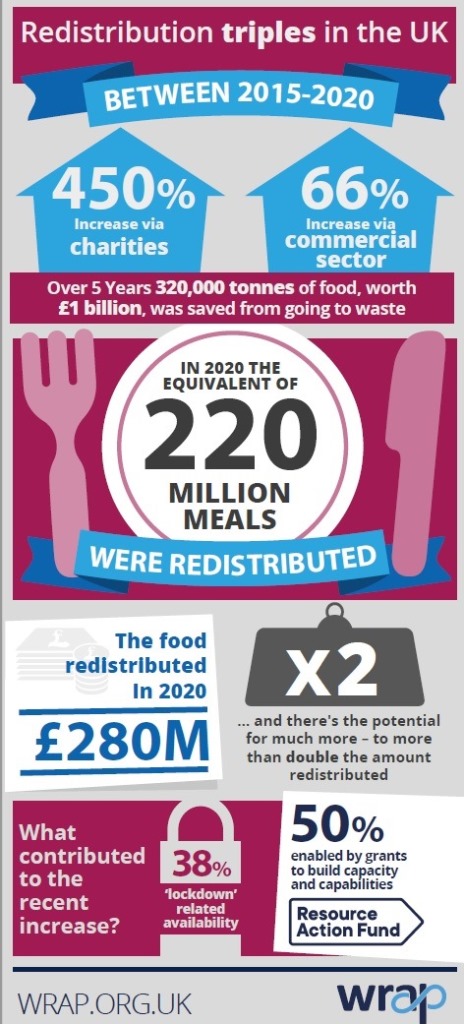
Here is WRAP's full report, updated October 2021 (16 pages): This really is an issue that starts in the home. Sophie Whitbread shared tips and tricks to avoid food waste on the BBC website yesterday. One that amuses me is making a shopping list (and sticking to it). Sarah says she always used to make them up in boring work meetings. It may be one of the few things I do right in the pursuit of green behaviour, although I can't claim any eco-brownie points, it's just what I do. We make a list together and I rarely buy anything other than what will go into the evening meal or tomorrow's breakfast. Exact ingredients and quantities, no more, sometimes less. Mostly I can't finish shopping soon enough. When our daughter visits and opens the fridge door in search of a tasty snack, she says, "What? There's nothing here." |
||||||||||||||||||||||||||||
|
Tuesday 19th October |
||||||||||||||||||||||||||||
Last week I received a letter from His Health Nibs:
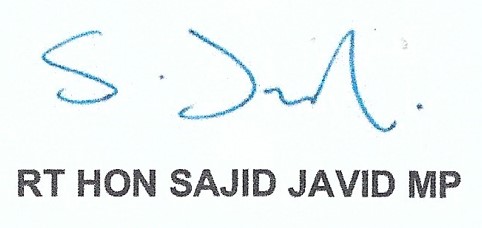
It was, curiously, informing me about something that wasn't going to happen and about which I was obliged to take no action: "The Government wrote to you in March to tell you that shielding advice was being paused from 1st April 2021. Since 19th July 2021, you have been advised to follow the same guidance as everyone else, whilst potentially thinking about extra precautions you could take to reduce your chance of catching COVID-19. "Now that vaccination has been offered to all of the adult population, including those previously identified as clinically extremely vulnerable, and other treatments and care pathways are available, I believe it is the right time to end the shielding programme. This means that given the current situation you will not be advised to shield in the future and we will not be providing specific national guidance for you to follow." So, he's written to me to say, "Hurry! Rush! You don't have to do anything." I'm surprised that the letter didn't come via special delivery. Further down the first page, he suggests that if I'm uneasy about the termination of shielding, I should contemplate:
There's a very interesting section on page 4 acknowledging issues of mental health arising out of the pandemic. There are three website links: Every Mind Matters (NHS); Hub of Hope; Let's Talk Loneliness. It's one of the big positive shifts in public - and government - consciousness. The importance of mind as well as body. I think mental illness still has some taboo status on the street, but it's no longer necessary for those afflicted to suffer in silence. One of the notable areas of change has been in sportspeople admitting their struggles. Physically healthy and fit, successful, wealthy beyond dreams - but severely affected by mental illness. Did you see the ex-footballer Paul Merson in a BBC programme last week exploring his gambling addiction? 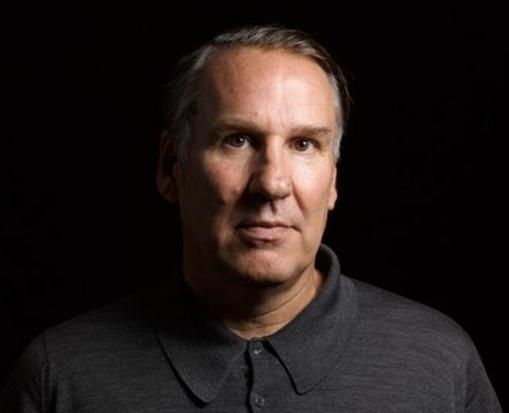
Moving, worth a look (59 minutes): In one telling sentence, Merson says, "It's been important for me to be able to see myself as a sick person trying to get well, rather than a terrible person trying to get good." |
||||||||||||||||||||||||||||
|
Monday 18th October |
||||||||||||||||||||||||||||
|
I enjoyed the Earthshot Prize show last night.
There were reasons to turn up your nose at it. Promoted by a royal with a background of privilege, inherited wealth, land, large properties, access to the BBC - which broadcaster would turn down a future king of England? Populist appeal in the presenters: Dermot O'Leary's credits include variants of Big Brother and X Factor; Clara Amfo is best known for her work on BBC Radio 1. Ed Shearan and Coldplay were wheeled on (actually, their equipment was powered by cyclists) to perform. Dame Emma Thompson seemed somewhat over-excited, extra-luvvy, as she ran on to introduce one of the Earthshot categories. I don't care. As I said six days ago, I've felt worn down by the news recently, and maybe by blogging on mostly gloomy topics for over 570 days, so a dose of positive is thoroughly welcome. I highlighted three of the finalists last Tuesday 👇. I'm pleased to say that all of them won. The five winners were: Takachar (Clean our Air, India), City of Milan (Build a Waste-Free World, Italy), Coral Vita (Revive our Oceans, Bahamas), Republic of Costa Rica (Protect and Restore Nature) and AEM Electrolyser (Fix our Climate, Thailand/Germany/Italy). 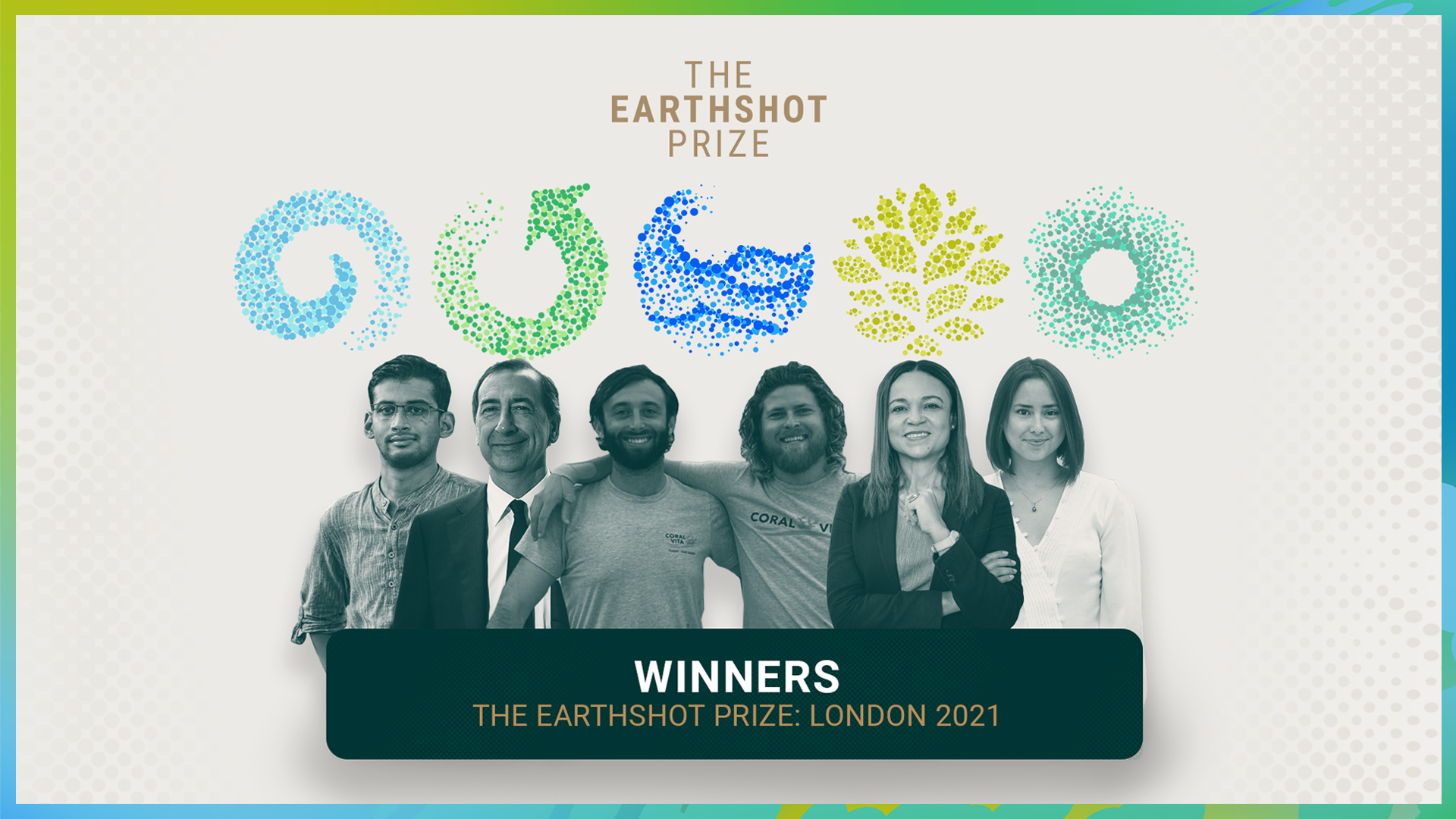
The Earthshot Prize attracted my attention on its launch at the end of 2019. I registered the domain name earthshotprizeblog.com on 31st December of that year. I never published the blog, but here's what I wrote on Friday 3rd January 2020: "Why am I writing this blog? There will be plenty of other informing output from the Earthshot Prize website and Twitter feeds. What can I add? "I'm afraid my motivation is selfish. "While I'm not in denial about climate change, I'm lazy at studying the detail. I hope to be drawn deeply into the issues by taking a more active part, by tracking this initiative. "I'm bad at addressing problems if I feel pushed into action. I have a better chance if pulled towards a solution. Confronted by darkness I will go to sleep. Beckoned by the light I find energy. This project is all about light." That's still true. I'm happy that the project has come to fruition. Smug, moi? Will it achieve anything? The first awards were presumably timed to take place just before COP26. Will that bear fruit? Regardless, I simply like hearing about ambitious hopeful initiatives. |
||||||||||||||||||||||||||||
|
Sunday 17th October |
||||||||||||||||||||||||||||
The first Earthshot Prizes will be awarded this evening. BBC1 at 8pm.
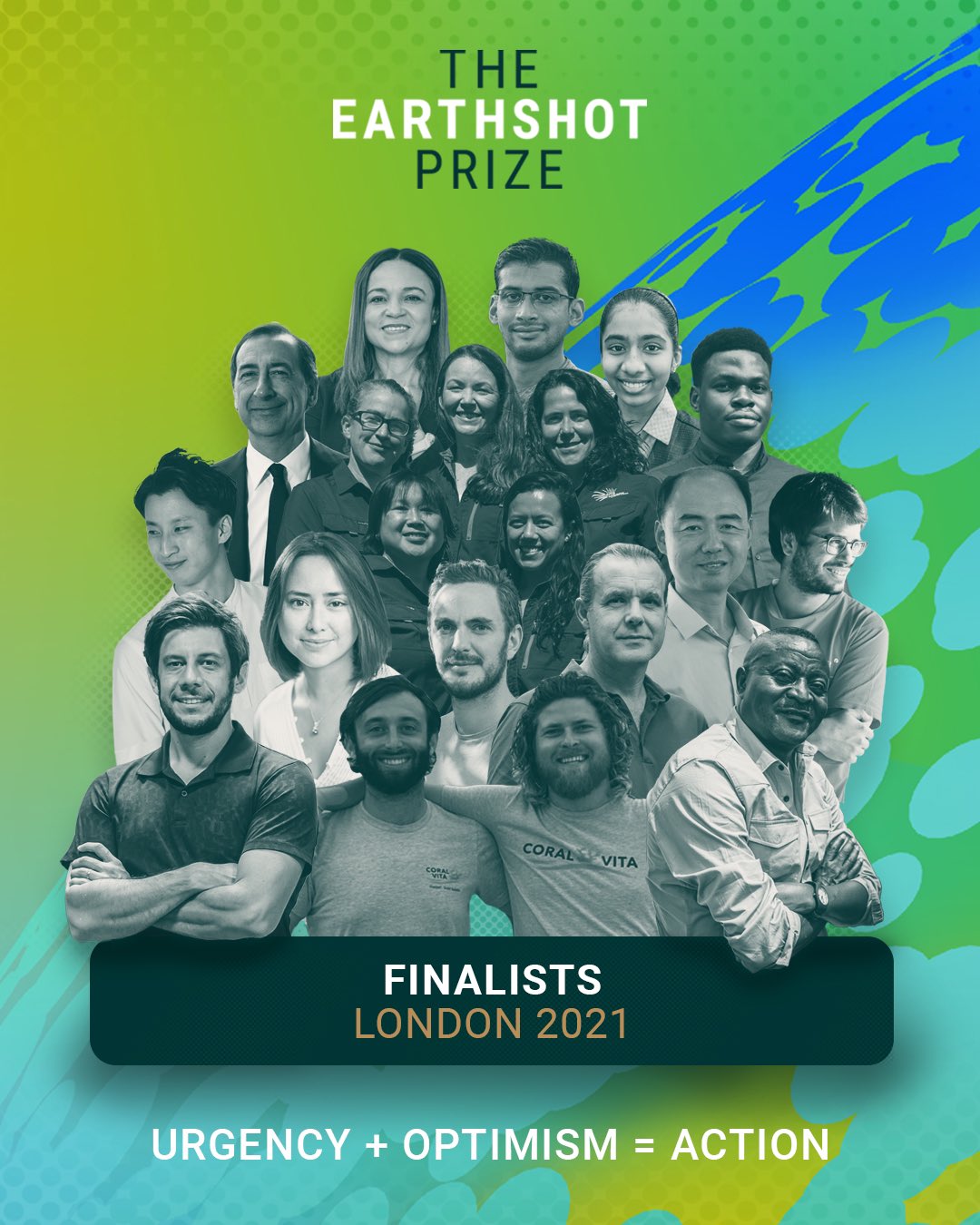
The Twittersphere has been flooded with reminders: 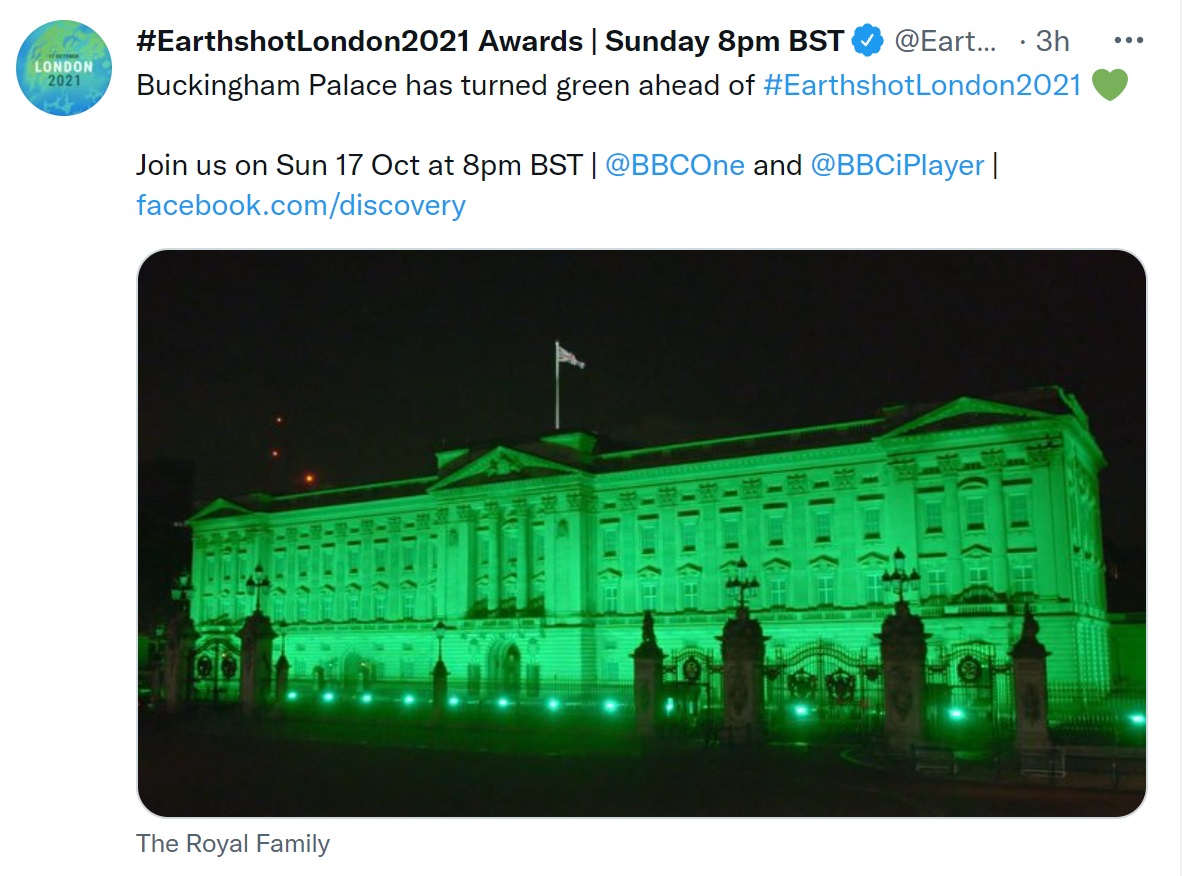
The Royals have been queuing up to support an immediate and real climate response. William, as the instigator of the Prize, would be expected to promote the mantra: "Urgency + Optimism = Action". Charles - after a lifetime of environmental warnings - opined recently that world leaders "just talk - the problem is to get action on the ground." Even the Queen was overheard during her visit to Wales: "I've been hearing all about COP. I still don't know who's coming. We only know about people who are not coming. It's really irritating when they talk, but they don't do." It's customary for the monarch and her family not to intervene in politics. This is different, isn't it? The climate crisis transcends political parties and national boundaries. It's a one-planet imperative. The Queen's criticism is aimed at ALL world leaders. The pressure on COP26 is building. Greta Thunberg's "Blah-Blah-Blah" will hang over every pronouncement. What may we dare to expect in conference outcomes? If big decisions are made, will we implement the recommendations, alter our behaviour? Everyone? Everywhere? I cannot think of a previous comparable requirement for a universal human mind shift. I haven't properly internalised the challenge to live differently. I'm nowhere near to effecting the necessary life-style changes in key areas: transport, diet, energy consumption. I have no excuse; I'm not scrabbling for survival in a developing country. I look for inspiration from all the great initiatives that will be on show tonight - and beyond. I suspect that it needs a counter-intuitive inversion in outlook, the flick of a switch. It's not what you have to give up. It's what you gain. And contribute to the greater good as a consequence. |
||||||||||||||||||||||||||||
|
Saturday 16th October |
||||||||||||||||||||||||||||
This is a remarkable movement.
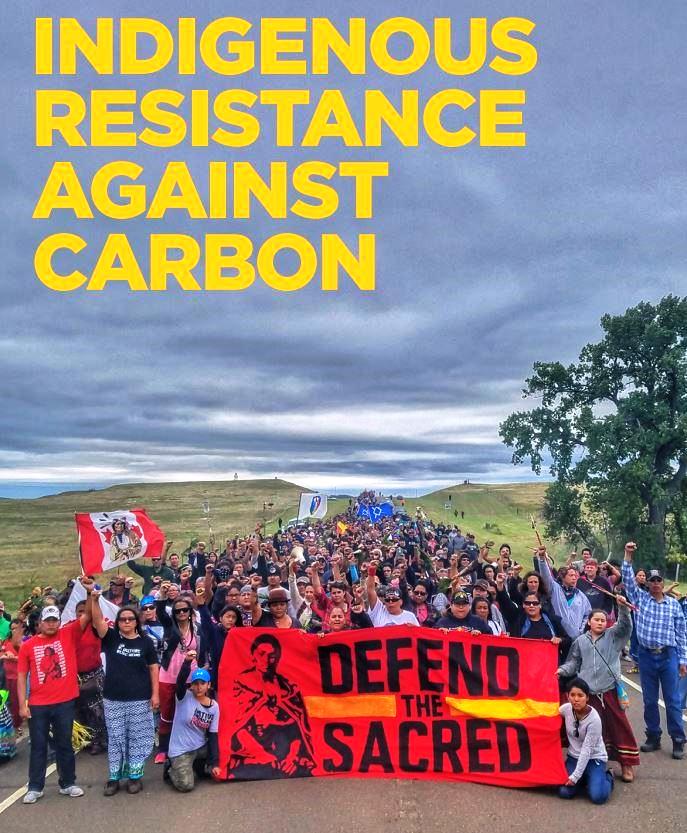
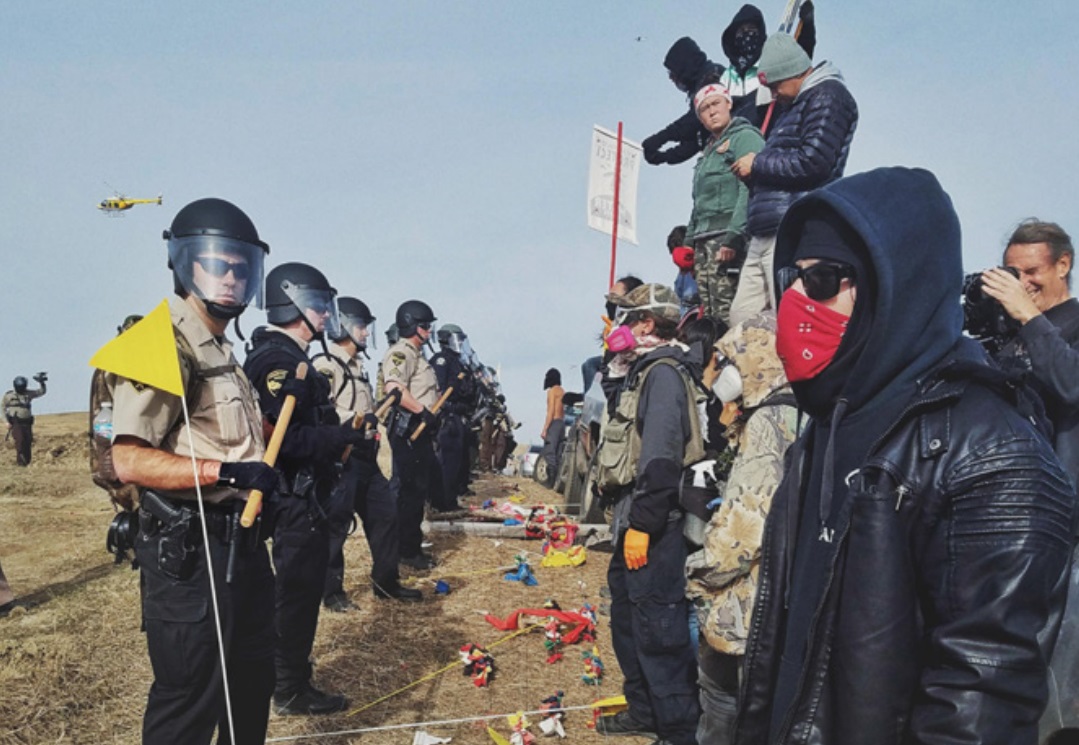
Its achievements are documented in a report published last August, researched and written by Dallas Goldtooth and Alberto Saldamando of the Indigenous Environmental Network and Kyle Gracey of Oil Change International. Here's a summary: "Total indigenous resistance - including ongoing struggles, victories against projects never completed, and infrastructure unfortunately in current operation - adds up to 1.8 billion metric tons CO2e, or roughly 28 percent the size of 2019 U.S. and Canadian pollution. Victories in infrastructure fights alone represent the carbon equivalent of 12 percent of annual U.S. and Canadian pollution, or 779 million metric tons CO2e. Ongoing struggles equal 12 percent of these nations' annual pollution, or 808 million metric tons CO2e. If these struggles prove successful, this would mean indigenous resistance will have stopped greenhouse gas pollution equivalent to nearly one-quarter (24 percent) of annual total U.S. and Canadian emissions. "That 24 percent, equalling 1.587 billion metric tons CO2e, is the equivalent pollution of approximately 400 new coal-fired power plants - more than are still operating in the United States and Canada - or roughly 345 million passenger vehicles - more than all vehicles on the road in these countries. Indigenous resistance has also contributed an outsized political impact, helping shift public debate around fossil fuels and Indigenous Rights and avoid lock-in of carbon-intensive projects. These impressive figures also underestimate total indigenous resistance, since this report focuses on just the largest and most iconic projects." You can read the full report here (20 pages): |
||||||||||||||||||||||||||||
|
Friday 15th October |
||||||||||||||||||||||||||||
Felixstowe is rammed. In which box is your Christmas present hiding?
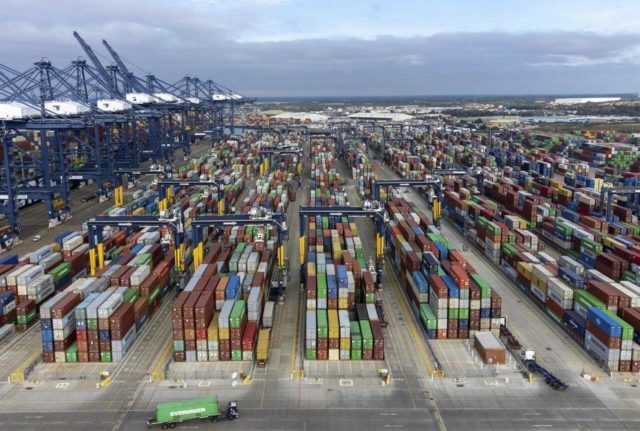
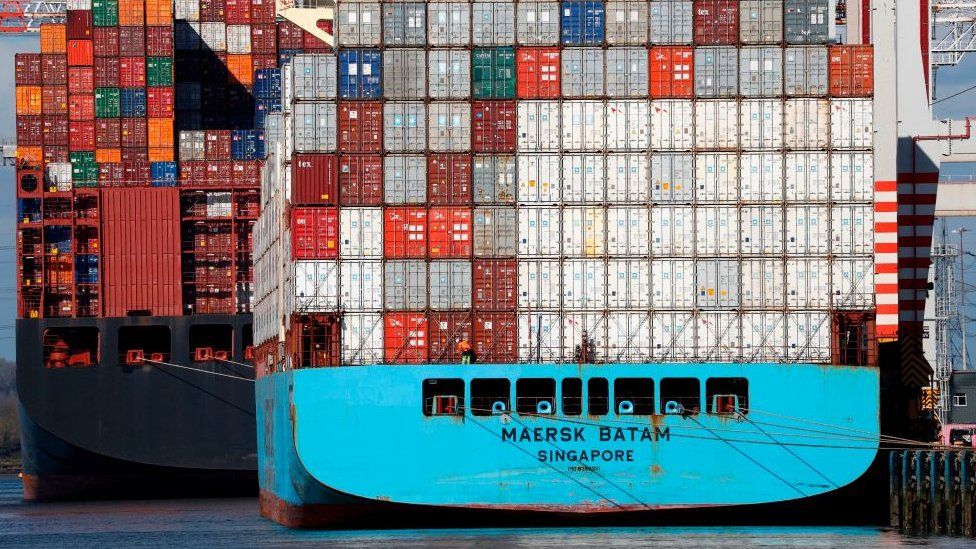
We'll get to the good news further down - and it is about Maersk. First, where does shipping fit into the climate crisis? I'll start with some background: The International Maritime Organisation (IMO) is the United Nations specialised agency with responsibility for the safety and security of shipping and the prevention of marine and atmospheric pollution by ships, supporting the UN sustainable development goals. In 1948 an international conference in Geneva adopted a convention formally establishing the Inter-Governmental Maritime Consultative Organisation (IMCO); the name was changed in 1982. The convention entered into force in 1958. The Third IMO GHG (greenhouse gas) Study released in 2014 (OK, a few years ago) estimated that for the period 2007-2012, shipping emitted about 1,000 Mt CO2 per year, equalling approximately 3.1% of annual global CO2 emissions. The latest update to the study by CE Delft (a Dutch environmental consultancy) projects shipping emissions to increase by up to 120% by 2050 if other sectors decarbonise successfully. Under a business-as-usual scenario and if other sectors of the economy reduce emissions to keep the global temperature increase below 2 degrees Celsius, shipping could represent some 10% of global GHG emissions by 2050. So, shipping is responsible for 3.1% of emissions, possibly rising to 10% (as the share from other contributors shrinks). I'm not instinctively attracted to huge transport conglomerates like Maersk. The whole idea of bulk transfer of goods around the world doesn't appeal. It goes against the grain of local sustainability. Naïve and hypocritical, I'm sure. What about my morning cup of tea? I do like pineapple. I have a South Korean television. Maersk are involved in one interesting environmental project. It won't make a dent in the company's carbon footprint - but it's a GOOD THING. It's called Ocean Cleanup. Here's an introduction from the company website: "We sail the oceans every day and see the plastic problem growing. At current levels, by 2050 our oceans will contain more plastic than fish. With an estimated 5 trillion pieces of plastic waste littering all major ocean basins. This crucial problem is a high priority on our agenda. That´s the reason why Maersk Supply Services keeps providing offshore project management and vessel operations support to a re-developed offshore cleaning system. The Ocean Cleanup´s long-term ambition is to install a fleet of at least 60 floating screens to remove 50% of the 80,000 tonnes of plastic in the Great Pacific Garbage Patch within 5 years." Here's a video of the net in action: To finish, the IMO do have a plan: "Addressing climate change: a decade of action to cut GHG emissions from shipping". Here's the timeline: |
||||||||||||||||||||||||||||
|
Thursday 14th October |
||||||||||||||||||||||||||||
|
It's Black History Month. This item caught my eye.
I adore maps and I'm a fan of public transport so it's not surprising that the iconic London Underground map, designed by Harry Beck in 1931, is a favourite. This variation is a co-creation from the Black Cultural Archives (BCA) and Transport for London (TfL), celebrating the contribution black people have made to London. Each of the lines reflects a different aspect of the contribution - for example, the Central line is linked to the Arts - with each station representing mostly individuals, but also organisations and even ideas. 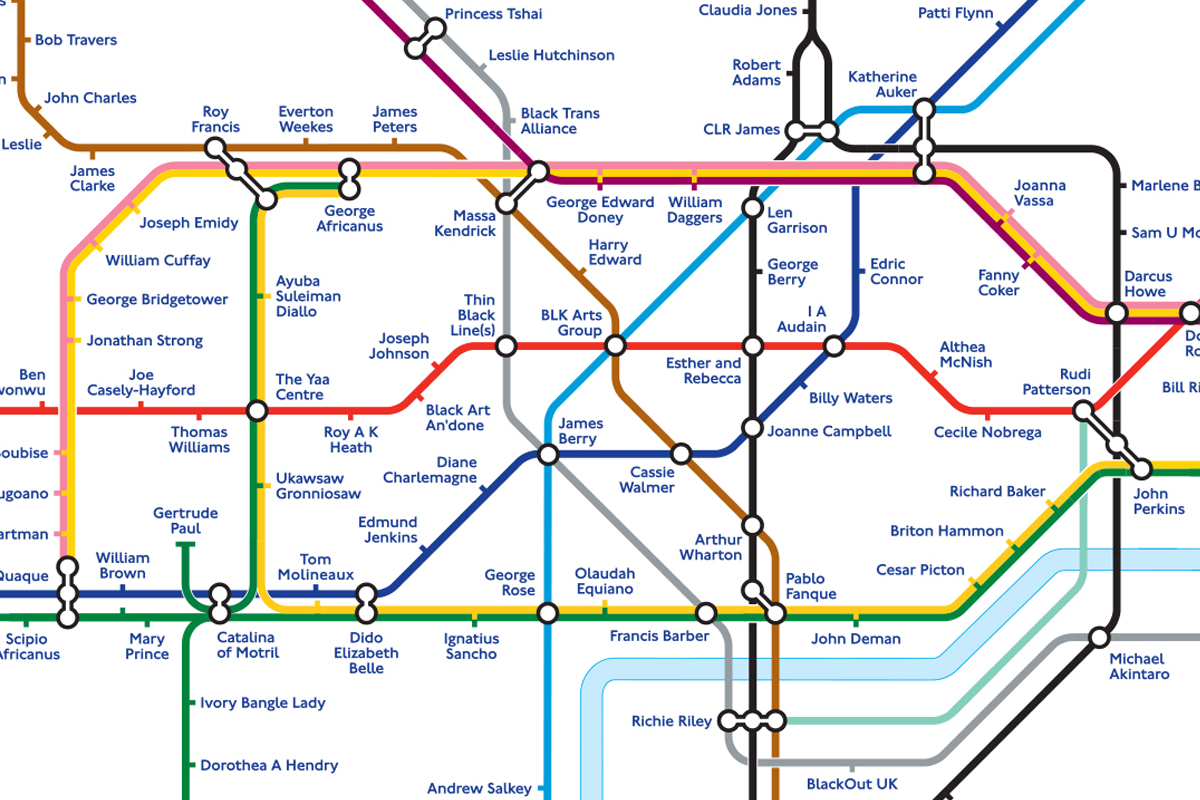
Here are both the complete current TfL version As a life-long lover of cricket and its associated literature, this example appealed: CLR James - Euston - Northern Line - Community Organisers 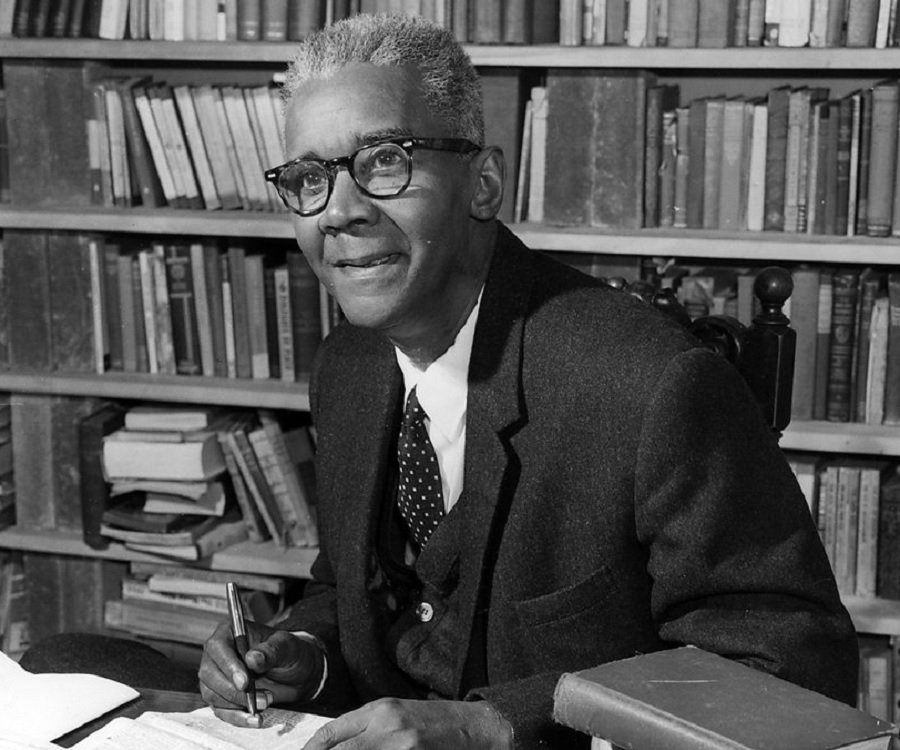
Cyril Lionel Robert James (4 January 1901 - 31 May 1989) was a Trinidadian historian, journalist and Marxist. In 1932, James left Trinidad for the small town of Nelson in Lancashire, England, at the invitation of his friend, West Indian cricketer Learie Constantine, who needed his help writing his autobiography. James moved to London in 1933. The following year he joined a Trotskyist group that met to talk for hours in his rented room. Louise Cripps, one of its members, recalled: "We felt our work could contribute to the time when we would see Socialism spreading." His seminal book The Black Jacobins was published by Secker & Warburg in 1938. The 1963 book Beyond a Boundary is commonly regarded as the best on cricket, and even the best book about sport ever written. It's more than just a cricket book. As James says in the preface, "What do they know of cricket who only cricket know?" |
||||||||||||||||||||||||||||
|
Wednesday 13th October |
||||||||||||||||||||||||||||
|
I'm determined henceforth to be on the lookout for good news, but first I have to mention yesterday's publication of the UK government pandemic round-up: "Coronavirus: lessons learned to date - Sixth Report of the House of Commons Health and Social Care Committee and Third Report of the Science and Technology Committee of Session 2021-22".
It IS positive that there is a report at all. It would be perfectly possible to bury the whole story - except that Dominic Cummings wouldn't let Boris - "a joke prime minister" - and cronies get away with it. Chair of the committee Jeremy Hunt resorted to a tired old football analogy: "In the first half, we had some serious errors, we could have avoided the lockdown. But having got into the position where we had to have one - we should have locked down earlier. But in the second half, we had the vaccine rollout ... the discovery of treatments which have saved a million lives around the world." Lots of bad (poor preparation, lockdown delay, avoidable deaths, Test & Trace, ethnic inequalities, care homes), some good (rapid vaccine development, vaccination roll-out, NHS response). I don't propose to go through the document. If you would like to study the detail in an exhaustive summary - including this timeline 🕓 - of the last 20 months, here it is (147 pages): Now for a heart-warming initiative. "The Northern Forest has already established over 3 million new trees since 2018 and is transforming the landscape from coast to coast and in and around cities such as Liverpool, Chester, Manchester, Leeds, Bradford, Sheffield, York and Hull. "The area is home to 13 million people, but it only has 7.6% woodland cover - much lower than the UK average of 13%. Our 50 million trees are transforming this landscape and creating a real asset for the communities that live nearby." Here's a short video: |
||||||||||||||||||||||||||||
|
Tuesday 12th October |
||||||||||||||||||||||||||||
|
One of the downsides of writing this blog has been the amount of time that I've been immersed in the gloom of news, primarily the ravages of coronavirus and now the huge challenges of climate change, but also other topics like the ghastliness of Trump.
Fortunately we have seen improvements. Trump is no longer US president - and I'll skip over Biden's handling of the Afghanistan withdrawal. The pandemic, while not defeated, has receded from the peaks of last winter. One of the aspects of the Earthshot Prize that attracts me is the emphasis on the people and projects that are doing something positive in the face of global threat. As its website states: "The Prize aims to turn the current pessimism surrounding environmental issues into optimism, by highlighting the ability of human ingenuity to bring about change, and inspiring collective action." The first year's round of prizes will be broadcast on BBC1 at 8pm this coming Sunday 17th October. £1,000,000 will be awarded to winners in the five categories - or "Earthshots": Protect and Restore Nature; Clean our Air; Revive our Oceans; Build a Waste-Free World; Fix our Climate. I've chosen three of the finalists to give a flavour: Takachar - India 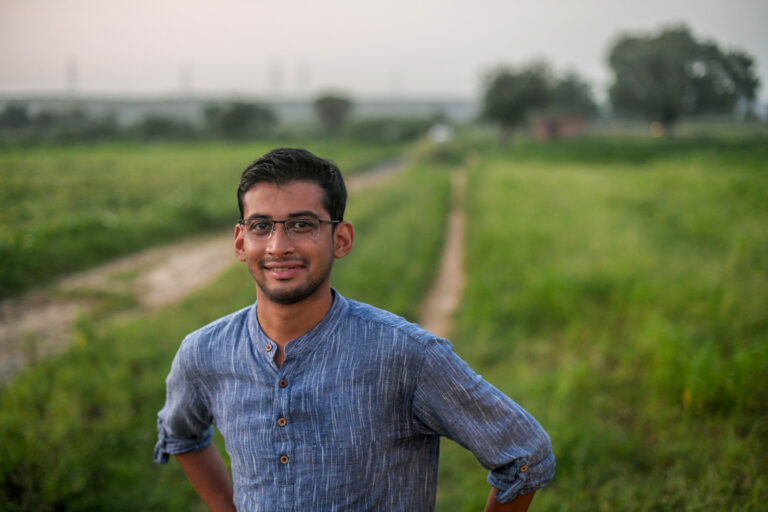
"Globally, we generate $120 billion of agricultural waste every year. What farmers cannot sell, they often burn, with catastrophic consequences for human health and the environment. The burning of agricultural waste causes air pollution that in some areas has reduced life expectancy by a decade. "This plays out every year in the fields surrounding New Delhi. Smoke from man-made infernos fills the air, with serious consequences for the health of locals. One of their number is Vidyut Mohan. His social enterprise, Takachar, is putting out the fire. "Takachar has developed a cheap, small-scale, portable technology that attaches to tractors in remote farms. The machine converts crop residues into sellable bio-products like fuel and fertilizer. "Takachar's technology reduces smoke emissions by up to 98% which will help improve the air quality that currently reduces the affected population's life expectancy by up to 5 years. If scaled, it could cut a billion tonnes of carbon dioxide a year: a win for India's farmers will be a win in the fight against climate change." Coral Vita - Bahamas 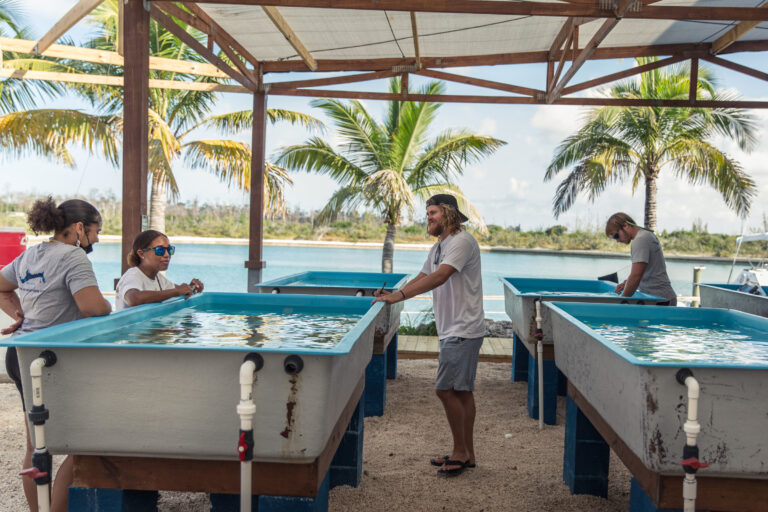
"Ocean warming and acidification are set to destroy over 90% of reefs by 2050, a death sentence for the quarter of marine life who need them to survive. It will be a disaster, too, for the billion human lives dependent on the benefits reefs provide. "A year after Sam Teicher and Gator Halpern launched Coral Vita's first facility in Grand Bahama, Hurricane Dorian destroyed their coral farm. The experience brought home the extent of the climate emergency and strengthened their resolve to protect our reefs. "Coral Vita, which grows coral on land to replant in oceans, gives new life to dying ecosystems. Its methods grow coral up to 50 times faster than traditional methods and improves resilience to the impact of climate change. "As well as restoring reefs, Teicher and Halpern work with local communities, public officials, and private companies to improve education, create new job prospects, and build a model to inject more funding into environmental protection. Coral Vita gives new life not just to the ocean but to coastal economies as well. "With Coral Vita's methods, a single farm could potentially supply coral for an entire nation, and they ultimately envision a network of such farms in every nation with reefs, kickstarting a restoration economy to preserve the ecosystems that sustain us all." Food Waste Hubs - City of Milan 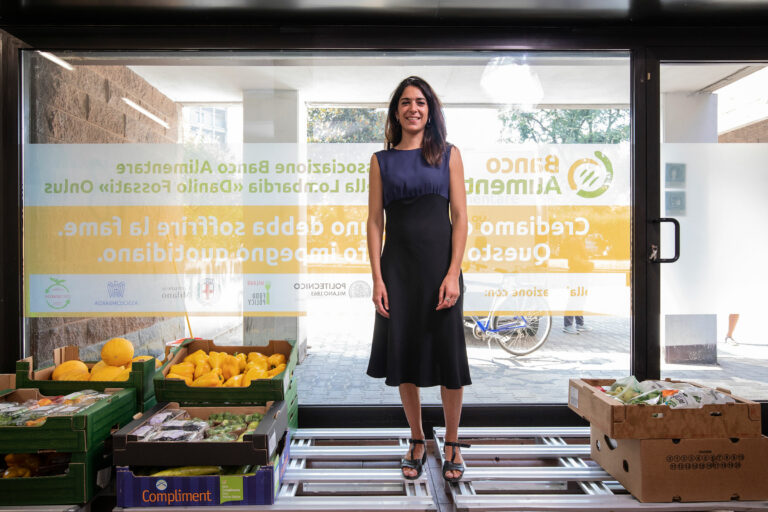
"A third of all food produced globally is wasted. Each discarded food item uses precious resources and heaps pressure on agriculture. The global food system generates between 25-30% of the world's total greenhouse gas emissions. Meanwhile, hundreds of millions suffer from food insecurity. "The City of Milan's Food Waste Hubs tackle two problems in one. Launched in 2019 with the aim of halving waste by 2030, each hub recovers food mainly from supermarkets and companies' canteens and gives it to NGOs who distribute it to the neediest citizens. "Milan is the first major city to enforce a city-wide food waste policy encompassing public agencies, food banks, charities, NGOs, universities and private businesses. And it is working. Today the city has three Food Waste Hubs, each recovering about 130 tonnes of food per year or 350 kg per day, an estimated 260,000 meals equivalent. "Milan has created a blueprint that can be scaled throughout the world. If more follow Milan's lead, cities may become one of our greatest assets in humanity's progress toward a waste free world." |
||||||||||||||||||||||||||||
|
Saturday 9th October |
||||||||||||||||||||||||||||
|
Time for a coronavirus update. Yesterday's numbers mostly from the Office for National Statistics (ONS), also Johns Hopkins University and the Organisation for Economic Co-operation and Development (OECD).
Here are the first three "learn to live with it" charts: That's right, the numbers testing positive are around three-quarters of those at the peak earlier this year. Hospitalisations and deaths are not. The pandemic-to-endemic shift is further revealed by the change in death proportions. Green for Covid, blue for non-Covid. A moderate rise in coronavirus fatalities since mid-summer. This has something to do with it: This doesn't: UK cases compared with other European countries? 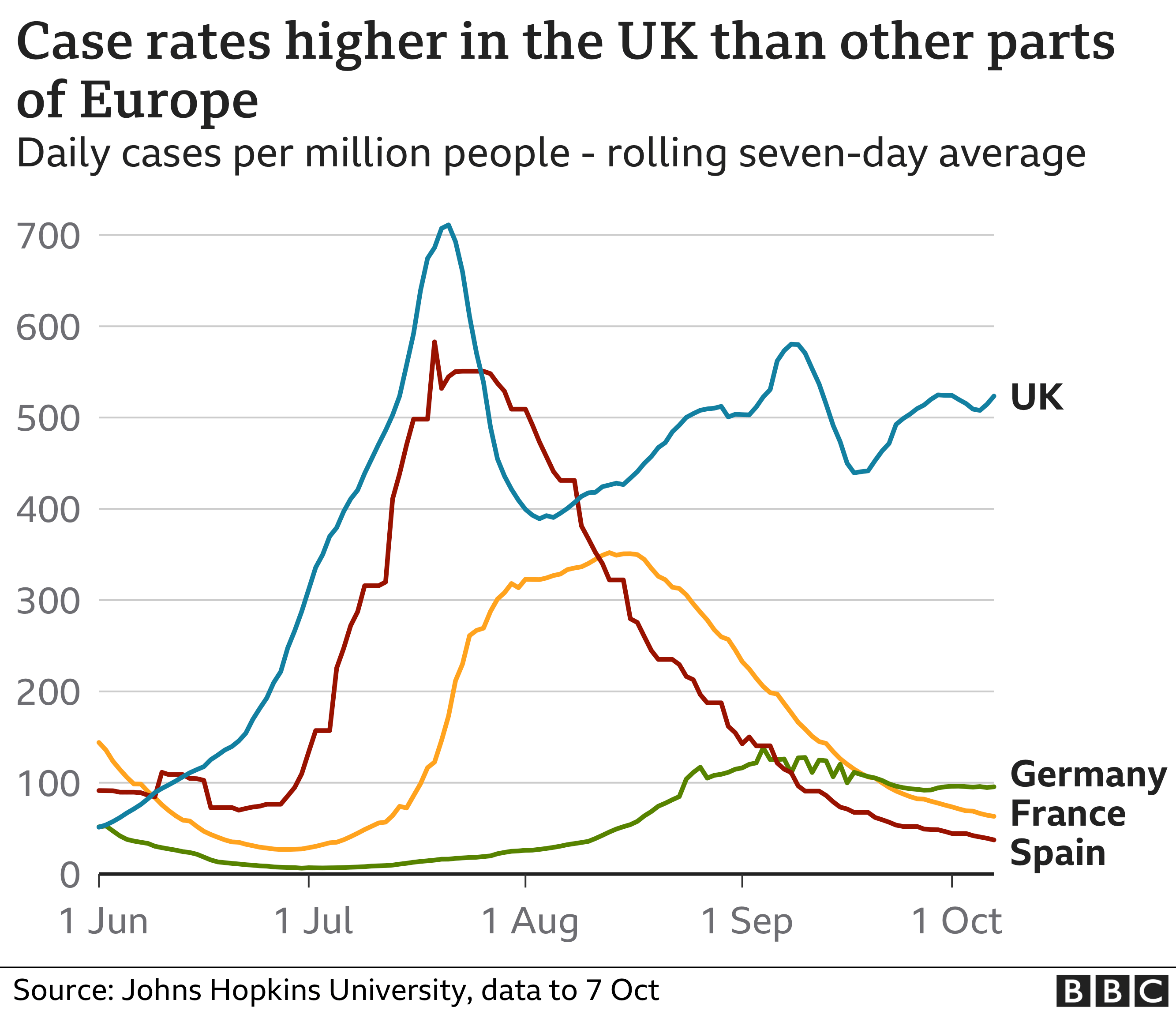
Hospital bed capacity? With winter on its way? 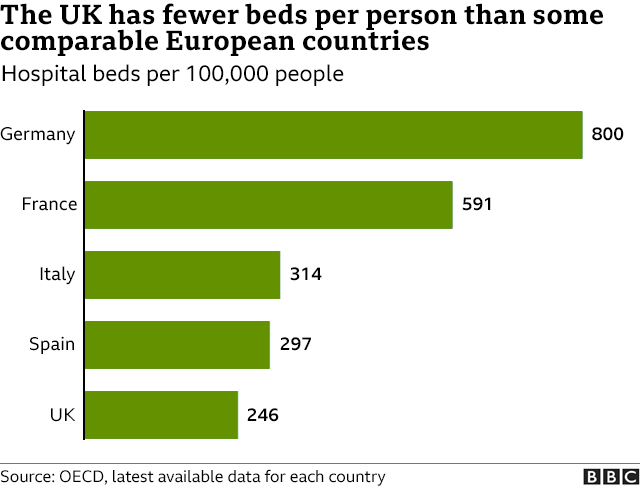
Hmmm. Not quite out of the woods. |
||||||||||||||||||||||||||||
|
Friday 8th October |
||||||||||||||||||||||||||||
|
I'll be brief today - worn down by Boris's re-alignment of Britain.
Caroline Lucas tweeted: Indeed. Here's our Prime Minister: James O'Brien gave his analysis on LBC. A Daily Express gossip columnist, contributor to the Daily Mail and The Spectator, at least he opposed Brexit. And it's a good rant: |
||||||||||||||||||||||||||||
|
Thursday 7th October |
||||||||||||||||||||||||||||
|
This question comes up all the time: "What's the point of the UK going green when China is heading in the other direction?"
I mentioned this on 11th August:👇 Ecotricity's Dale Vince gave his answer on TalkRadio: "It never counts for nothing to be a good example, to lead by example, to show what has to be done, to show how it can be done and how it works. We have a responsibility to do that in the west more than in developing countries because we started this whole climate crisis with the industrial revolution." Greta Thunberg tweeted yesterday about the "carbon budget". This is the video that accompanied her tweet, produced by Carbon Brief, a UK-based website funded by the European Climate Foundation. It's a very revealing animation of historical contributions to climate damage. Only a minute long. For full-screen (recommended) click the It's not all China's fault, is it? The country first moves into second place around the start of this millennium, although it then accelerates very quickly. The USA is always out in front. The UK only relinquishes 3rd place at the beginning of the 1970s. Did you see how the carbon - or 1.5C - budget has been depleted? 14% for 50/50 left in 2021. There was over 75% remaining in the year of my birth. Scary - and shaming for my generation. If, like me, you need to understand the budget better, here is Carbon Brief's summary: "Greenhouse gas emissions from human activity have already raised global temperatures by around 1C since pre-industrial times. This leaves a rapidly shrinking 'carbon budget' to stay within the aspirational 1.5C of the Paris Agreement on climate change. The budget is a simplified way to measure the additional emissions that can enter the atmosphere to stay below 1.5C, or any other temperature limit." And a bit more, not so simplified, detail: "Based on estimates made in the IPCC's fifth assessment report (AR5), there would be around 120 gigatonnes of CO2 (GtCO2) remaining from the beginning of 2018 - or around three years of current emissions - for a 66% chance of avoiding 1.5C warming. For a 50/50 chance of exceeding 1.5C, the remaining budget was a modestly larger 268GtCO2 - or around seven years of current emissions. "The IPCC's new SR15 significantly revises these numbers. It raises the budget for a 66% of avoiding 1.5C to 420GtCO2 - or 10 years of current emissions. Similarly, the budget for a 50/50 chance of exceeding 1.5C is increased to 580GtCO2 - 14 years of current emissions." So, by whichever measure not much time. Hence only a decade of awards for the Earthshot Prize. As a little reminder of how Britain became an early emissions polluter, Carbon Brief displays a photo of Halifax in the 1900s: |
||||||||||||||||||||||||||||
|
Wednesday 6th October |
||||||||||||||||||||||||||||
|
I was alerted to an interesting video by a Bill Gates (yes, him again) tweet.
Kurzgesagt ("in short") is a German animation and design studio. Its YouTube channel uses animated video to discuss scientific, technological, political, philosophical and psychological subjects. Here's "Can YOU Fix Climate Change?". It's worth 15 minutes of your time. Most of the video explores the background issues. Much of it is obvious, but there are bits that are mildly surprising: the effect of landfill, the use of concrete, the significance not of cars but the roads on which they run. Its conclusion is about how the individual - your personal behaviour is only a tiny contribution - can influence those with power to pull the big levers affecting the much larger global systemic changes that need to happen. As declared at the end, Kurzgesagt was supported - OK, paid - by GatesNotes, the personal blog of Bill Gates. This immediately makes the video part of the elite conspiracy, the Great Reset, right? Both the coronavirus pandemic and the climate crisis are manipulated by the enormously rich and powerful to control the meek - you and me. I also stumbled recently on an old chart from the Institute for Policy Studies, Washington-based think tank, and Statista, German market and consumer data specialist. It documents the increase in billionaire wealth from March to November 2020. 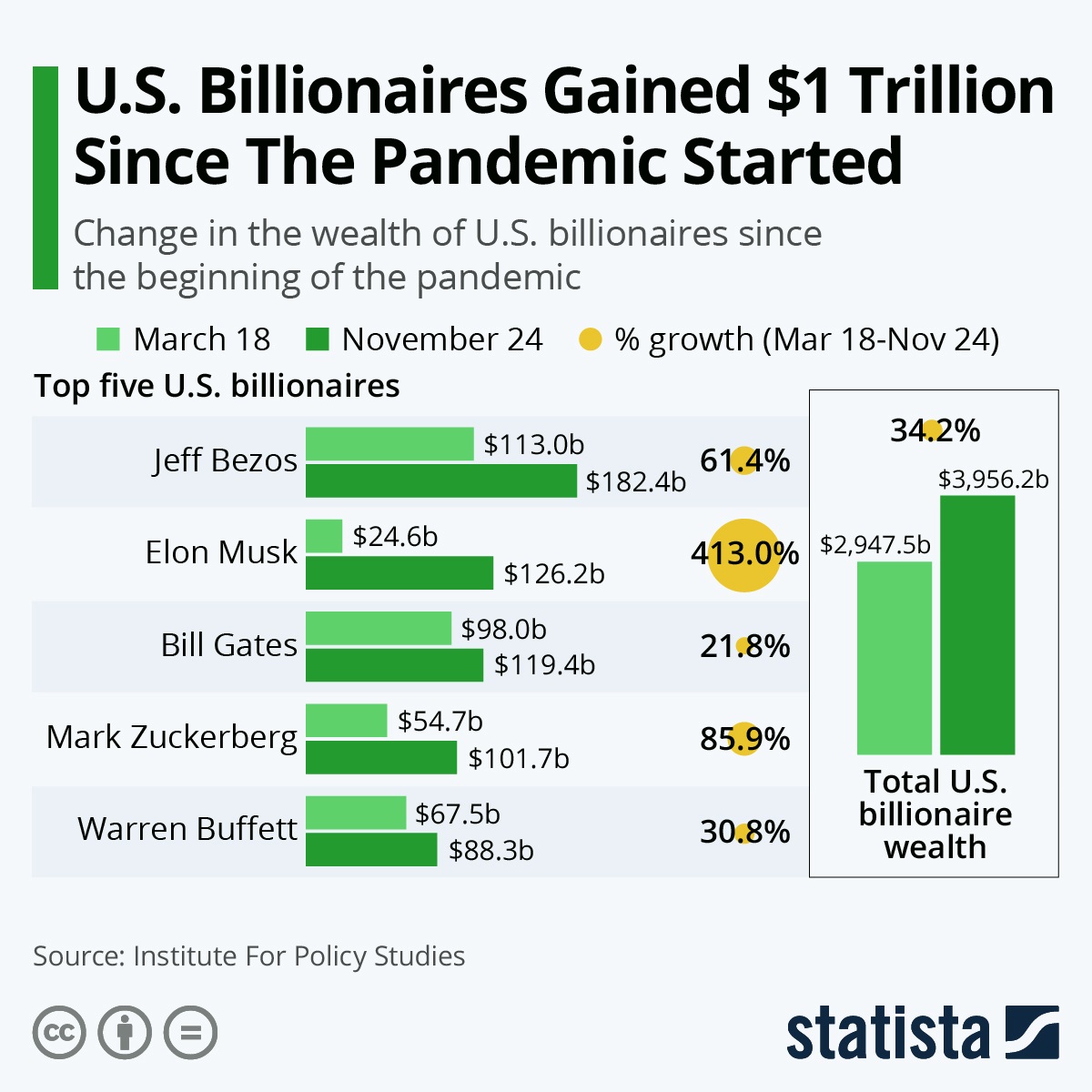
The whole conspiracy malarkey is an over-complication, isn't it? These guys are just disgustingly rich. Some do bad things with their money, some do good. They own too many big houses and travel between them by private jet. They don't pay enough tax. Their businesses, such as Amazon, may overwhelm the smaller enterprise, like your local bookseller. As I discussed with our Stroud High Street anti-vaxxers the other day, it must be exhausting to devote your energy to hunting down conspiracy when the simple reality is bleak enough. |
||||||||||||||||||||||||||||
|
Tuesday 5th October |
||||||||||||||||||||||||||||
I'll give the Conservative Party Conference a miss.
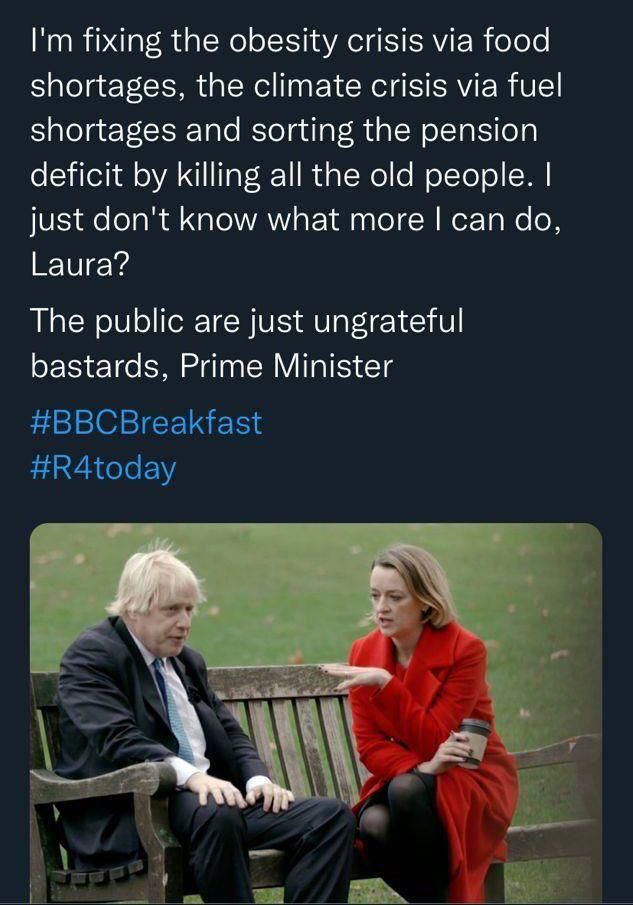
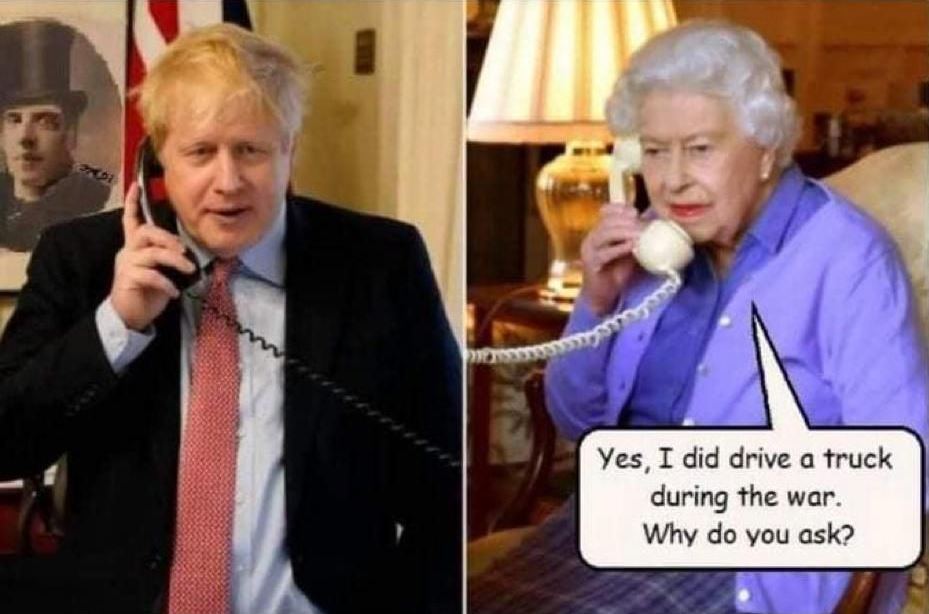
I've always had in the back of my mind this question: "What happens if the power goes down?" Or the computers that drive most of our modern activity fail? Downdetector quantified the Facebook chaos (click to enlarge): 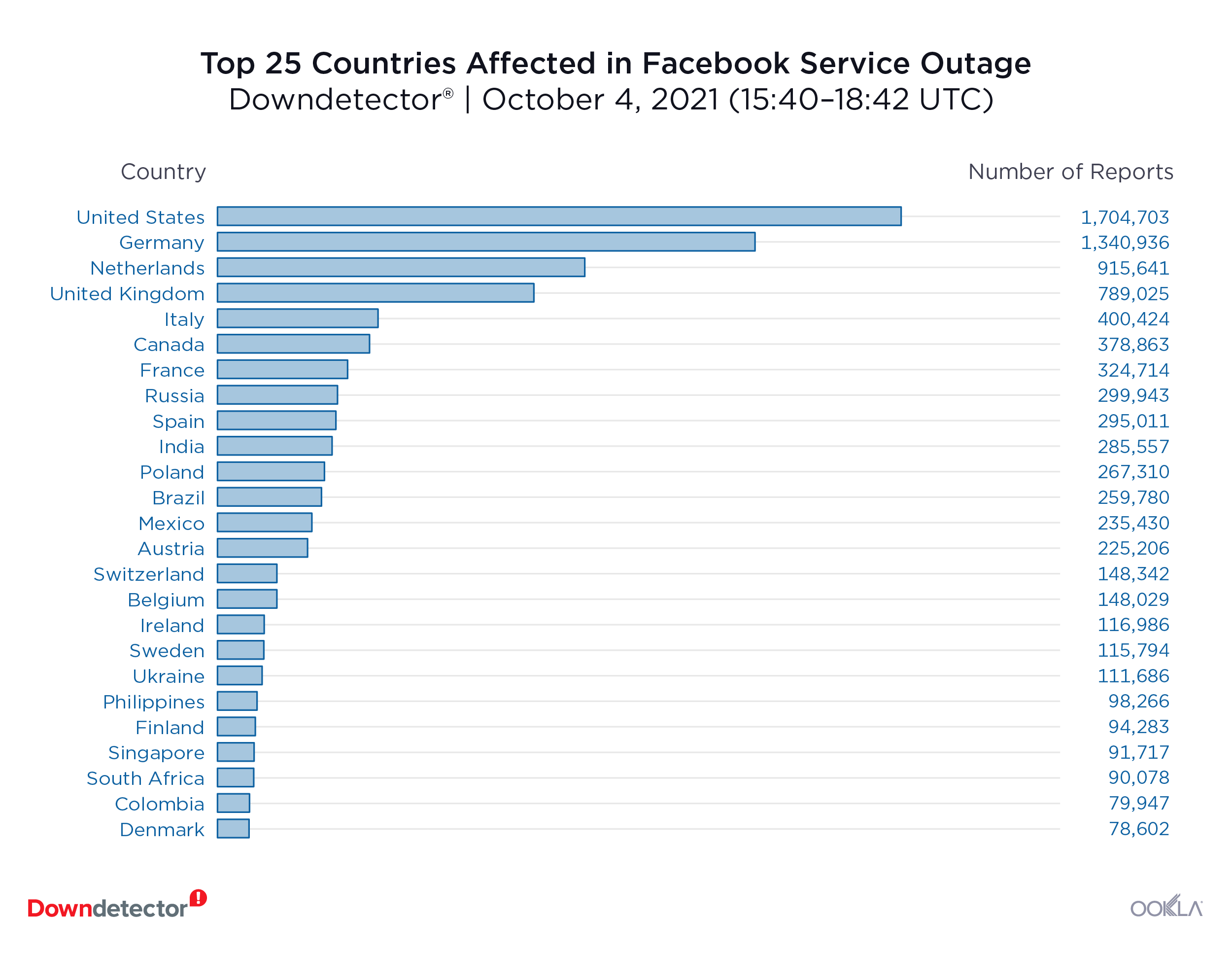
It wasn't just Facebook (and WhatsApp and Instagram) who had a bad day. Here's a Downdetector list of reported affected services: Doordash, Discord, Microsoft Teams, DirecTV, iMessage, Coinbase, Quizlet, Gmail, Candy Crush, Office 365, Zoom, Peacock, CenturyLink, Slack, Microsoft Azure, Straight Talk, Google Fiber, Telegram, Find my iPhone, Cloudflare, Google, TikTok, Cricket Wireless, Bandwidth, US Cellular, AT&T, Verizon, Snapchat, Oculus, Metro by T-Mobile, Amazon Web Services, Twitter, T-Mobile, Speedtest, Pokemon Go, Instacart, Whatsapp, Instagram, Facebook Messenger, Facebook, Quickbooks Online, Asana, Bank of America, Bandcamp, Harry Potter: Wizards Unite, Reddit, Amazon, Spectrum, Playstation Network, Xfinity. Some recognisable big names in there. What a fragile world we've built. |
||||||||||||||||||||||||||||
|
Monday 4th October |
||||||||||||||||||||||||||||
|
Last year Prince William and Sir David Attenborough launched The Earthshot Prize. The website explains its purpose:
"The Earthshot Prize is the most prestigious global environment prize in history, designed to incentivise change and help repair our planet over the next ten years. "The Prize aims to turn the current pessimism surrounding environmental issues into optimism, by highlighting the ability of human ingenuity to bring about change, and inspiring collective action. "Taking inspiration from President John F. Kennedy's Moonshot which united millions of people around an organising goal to put man on the moon and catalysed the development of new technology in the 1960s, The Earthshot Prize is centred around five 'Earthshots' - simple but ambitious goals for our planet which if achieved by 2030 will improve life for us all, for generations to come." The five Earthshots are: 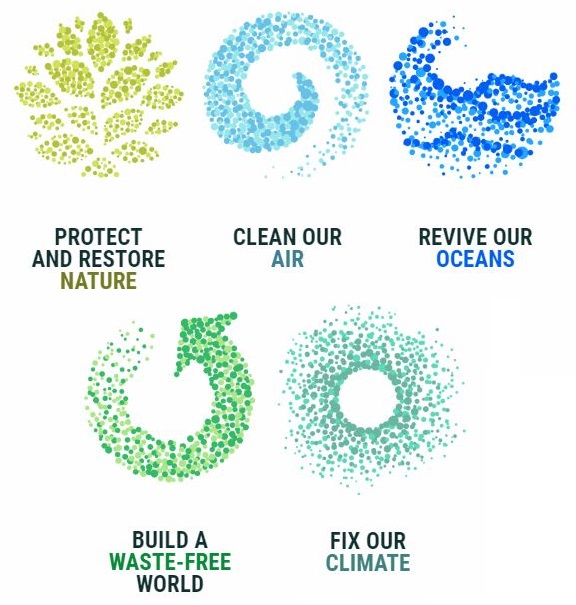
At the time I thought, "Aha, this is one to watch" and registered the domain name earthshotprizeblog.com. Nothing much has been reported for nine months, but now it's gaining some momentum, so I've incorporated the domain within this climate blog. The first TV programme was aired on BBC1 yesterday evening: "The Earthshot Prize - Repairing Our Planet: Series 1: 1. Protect & Restore Nature". David Attenborough narrates most of it. Prince William tops and tails the programme. He also reveals contenders for the 2021 prizes, worth £1 million to five winners each year for the next decade. The programme is beautifully shot - it feels like one of Attenborough's great wildlife programmes. It also seems like a shift for Sir David from observer to activist, or strategist. If you missed it, you can catch up on iPlayer here (58 minutes): All five episodes are available now. Stroud "eco-entrepreneur" Dale Vince was quick to tweet that he's in Episode 2: I wrote about Skydiamond last November: 👇 |
||||||||||||||||||||||||||||
|
Sunday 3rd October |
||||||||||||||||||||||||||||
|
Fuel stations still closed in Stroud yesterday. Empty shelves in Waitrose.
Son Ben has an HGV licence. A letter arrived for him from the Department of Transport, signed by Baroness Vere of Norbiton, Parliamentary Under-Secretary of State: "Places"? That's a wide brief. Positively Python-esque. Here's the text of the letter: We are writing to you, and all HGV driving licence holders, about the national shortage of HGV drivers. As you are undoubtedly aware, this has been putting pressure on UK supply chains for some time. The Government and the logistics sectors are working on a range of solutions to ease the shortage. To those of you who are currently driving, we would like to thank you for the vital service you have provided during the COVID-19 response and the incredibly important role you continue to play in keeping goods moving around the country. If you are no longer working in this sector, we would like to take this opportunity to ask you to consider returning. Your valuable skills and experience have never been more needed than they are now. There are fantastic HGV driving opportunities in the logistics industry and conditions of employment and pay have been improving across the sector. As well as attractive pay rates, we are seeing more options for flexible working, fixed hours, fixed days, full-time and part-time. Many employers are offering training packages so even if your Driver CPC has lapsed, you can be supported in updating this through classroom or online courses. Furthermore, given the significant number of opportunities available, driving can become an entry point into a much wider pool of job roles. Businesses of all sizes, in many different sectors, including specialist operators, are looking for drivers. There has never been a better time to find the type of HGV driving job you want. Desperate, isn't it? Grovelling thanks and praise: "valuable skills", "vital service", "incredibly important role". The promise of improvement in the pay - it's now "attractive" - and conditions that drove (honest, no pun intended) many from the industry. Sadly for the DoT, Ben's gone to Europe, like others before him. He was dispirited when we spoke last night. He may not be staying in Palermo long. It's proving difficult for him to get the codice fiscale necessary for work. It would not have been a problem had Britain still been a member of the EU. Brexit. What a great decision. I want to ask everybody in a fuel queue if they voted Leave. |
||||||||||||||||||||||||||||
|
Saturday 2nd October |
||||||||||||||||||||||||||||
I stumbled upon an article in the Financial Times via a Twitter feed yesterday; published back in May, it's titled "Climate change is becoming less a battle of nations than rich versus poor". Click to enlarge the chart.
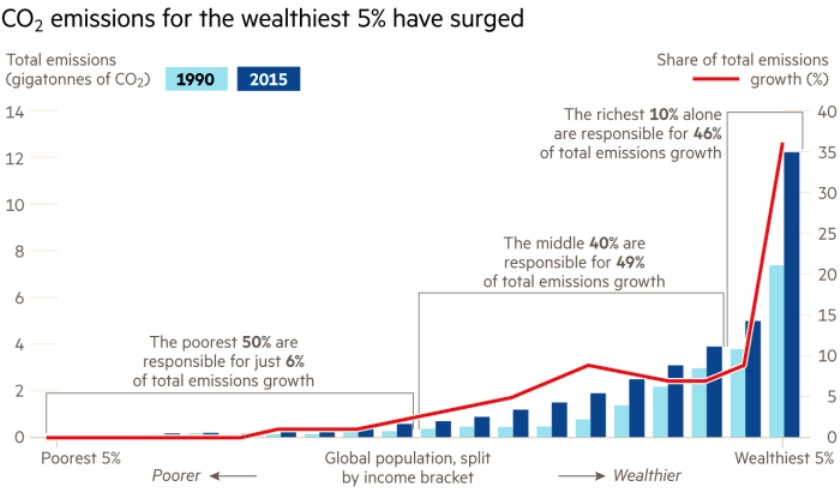
The text expands the theme: "The top 1 per cent by income of the world's population account for about 15 per cent of emissions, according to UN data. That is more than double the share of the bottom 50 per cent. "Almost everything the wealthy do involves higher emissions, from living in bigger houses to running larger cars and flying more often, especially by private jet. Eating meat comes into it, as does owning a swimming pool. Not to mention a holiday home. Or homes. "Carbon taxes aimed at the wealthy will climb the political agenda. But will tax policies be enough? For the really rich, no normal level of carbon-linked tax will be a deterrent. They can swallow frequent-flyer supplements, levies on big cars and surcharges on household energy bills." Not just on terra firma. We have the Branson, Musk and Bezos space jollies. 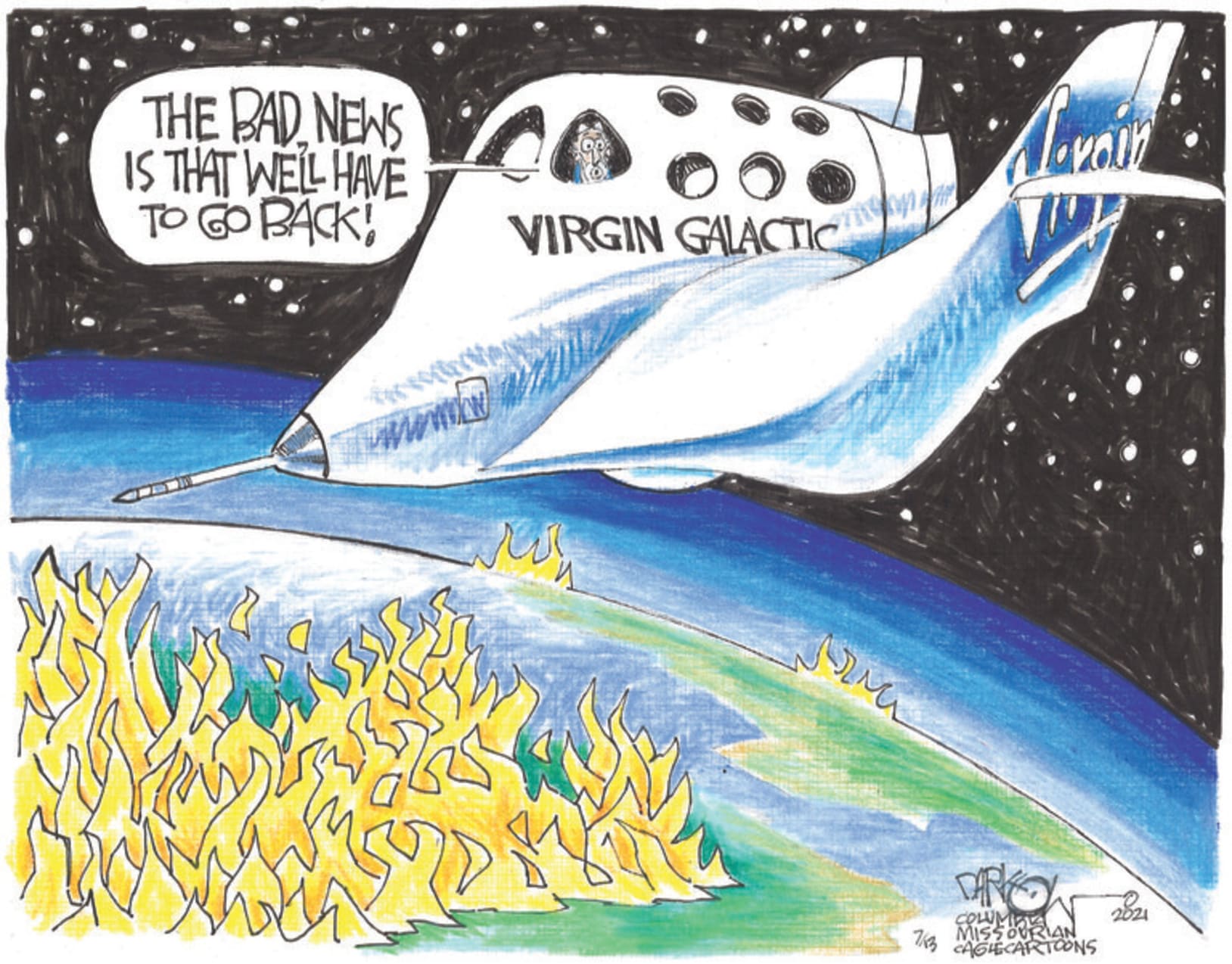
The Guardian published an article by Katharine Gammon last July titled "How the billionaire space race could be one giant leap for pollution". "The launch of a new private space industry that is cultivating tourism and popular use could come with vast environmental costs, says Eloise Marais, an associate professor of physical geography at University College London. Marais studies the impact of fuels and industries on the atmosphere. "'For one long-haul plane flight it's one to three tons of carbon dioxide [per passenger]', says Marais. For one rocket launch 200-300 tonnes of carbon dioxide are split between 4 or so passengers. "A new market report estimates that the global suborbital transportation and space tourism market is estimated to reach $2.58bn in 2031, growing 17.15% each year of the next decade. "'We have no regulations currently around rocket emissions,' Marais adds. 'The time to act is now - while the billionaires are still buying their tickets.'" |
||||||||||||||||||||||||||||
|
Friday 1st October |
||||||||||||||||||||||||||||
I'm tickled by the revelation that the Australian coronavirus stats website CovidBase AU is run by three mid-teens - Jack (left), Wesley (middle) and Darcy (right). All of whom have had their first recently-available jab and are wearing masks 👍
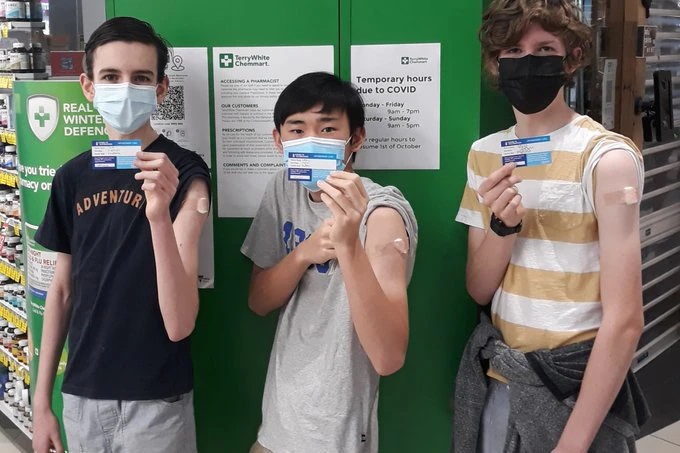
They're my kind of lads. Frustrated by the information flow from their government, they built their own now very popular website. They have even used Our World in Data as a source, as I have done on these pages. Quite geeky, eh? I'm 50+ years older, and it seems OK for me to be fiddling around with numbers and charts. But at 15? Maybe all of us should get out more. Here's today's summary (click to enlarge): I hadn't intended to comment - my interest was in the fact that youngsters had bothered to extract, manipulate and present such data - yet now I'm here I can't resist, but only a handful of figures. The lads' region, Oceania, accounts for only 0.08% of the world's cumulative cases, compared with Europe's 25.42%. The continent of Africa has only 4.39% of its population double-vaccinated, contrasted with Europe's 52.09%. Global vaccine equity has a long way to go. Son Ben in Palermo has WhatsApp-ed his first stab at regional cooking: "Sicilian dish 'numero uno': pasta con i broccoli arriminati (basically smooshed-up broccoli with sultanas and pine nuts, but I used almonds)." 
|
||||||||||||||||||||||||||||
|
Thursday 30th September |
||||||||||||||||||||||||||||
|
Sarah got back from seeing son Nikko in Vienna yesterday. I tracked her return journey on Flightradar24.
What a lot of 'planes. When I zoomed out to include more of Europe, I saw this: Cripes, thank goodness for competent air traffic controllers. It's not a green sustainable picture, is it? What are we going to do? Will aviation be addressed at COP26? By the way, how are all the delegates travelling to the conference? Alok Sharma hasn't set a great example. It's a personal family challenge. Our two sons currently live in Vienna and Palermo (or Bilbao). They're not coming home any time soon - and we're not getting any younger. The obvious way to see them - and for them to return to England to visit their friends and relatives here - is to fly. Electric car, train, boat? Time and cost are the obvious barriers, although neither is a showstopper in our retirement. I've had one heretical thought. Why worry? Our age group is unlikely to witness the final demise of the planet through environmental abuse. But it's about legacy and responsibility to those who will be around, isn't it? We are of the generation that has truly knackered the earth, so are we going to lead recovery - or leave it to the likes of Greta Thunberg and Extinction Rebellion? |
||||||||||||||||||||||||||||
|
Wednesday 29th September |
||||||||||||||||||||||||||||
|
4th day of no fuel in Stroud. There's nowhere for panic buyers to go, so you can't blame them anymore. No deliveries. Are there jams at the storage depots? I heard a tanker driver interviewed on BBC Radio 5 Live two mornings ago. He was hunting for diesel, his truck running on fumes. Think about it. Somebody searching for fuel - so that he can deliver fuel.
You would expect Dale Vince to have a comment: Energy companies going bust, then motor fuel unavailability. There is so much in the way we live that is out-of-whack. I was on the M5 motorway ten days ago. Suddenly, the traffic halted. I was stationary for over an hour. There had been an accident 30 miles further north. A road designed to transport us at high speeds became a car park. One incident exposed the fragility of the system. The recent CO2 scare made me resolve to increase the custom I give to the many organic local Stroud food suppliers. How many nightmare processes do supermarkets use to source, package and store their products? Interest is building in the run-up to COP26 (the 26th UN Climate Change Conference of the Parties) in Glasgow (31 October - 12 November). Presumably that's why - I'm sure you Grauniad readers will have seen it - Guardian Saturday ran a hefty feature on Greta Thunberg. It's a good article; if you missed it, here's another chance (12 pages]: 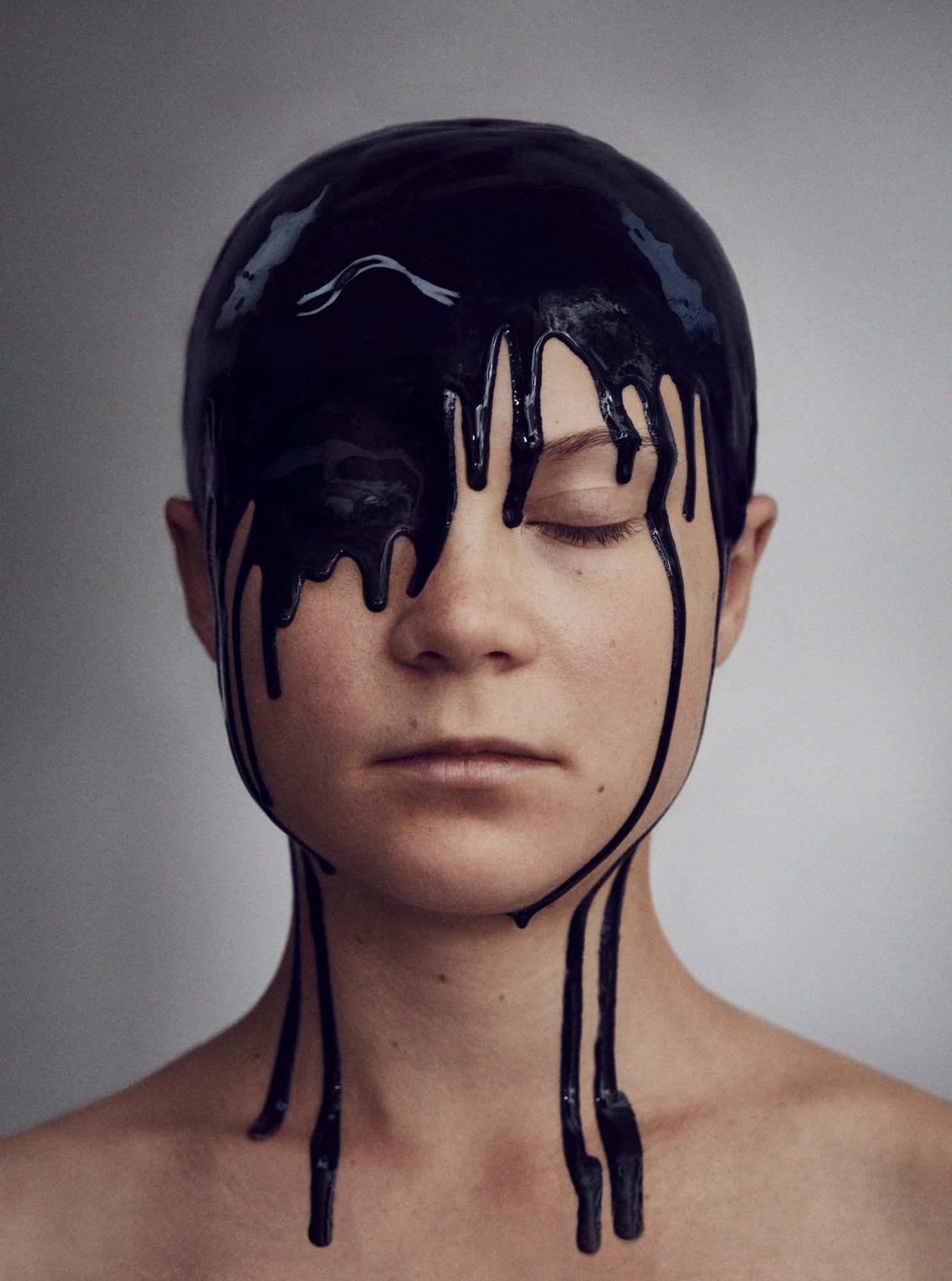
Don't worry, it was a mixture of non-toxic finger paint and olive oil. Actually, that's bad enough. What does she think of COP26? "I am not [optimistic]. Nothing has changed from previous years really. The leaders will say we'll do this and we'll do this, and we will put our forces together and achieve this, and then they will do nothing. Maybe some symbolic things and creative accounting and things that don't really have a big impact. We can have as many Cops as we want, but nothing real will come out of it." The pessimist in me reckons she's right. The optimist hopes not. |
||||||||||||||||||||||||||||
|
Tuesday 28th September |
||||||||||||||||||||||||||||
|
Still no petrol in Stroud. I've had to re-arrange a visit to the dentist in Bristol.
I couldn't make it to an eye appointment in Cheltenham earlier (are all these health check-ups a function of age?). Went down to catch the bus at 7:30am. Cancelled. Driver shortage. Many of them have gone home to Europe. Do you remember the contingency arrangements for delays at the ports, emergency lorry parks in Kent? At the time, a friend said to me, "Charlie, do you know of any other country that is disaster-planning for something it has chosen to do?" Indeed. Of course, the fuel mayhem is no responsibility of government. As the environment secretary has pointed out, we greedy punters are to blame. Meanwhile, Ben is exploring Palermo street food. Fancy one of these? 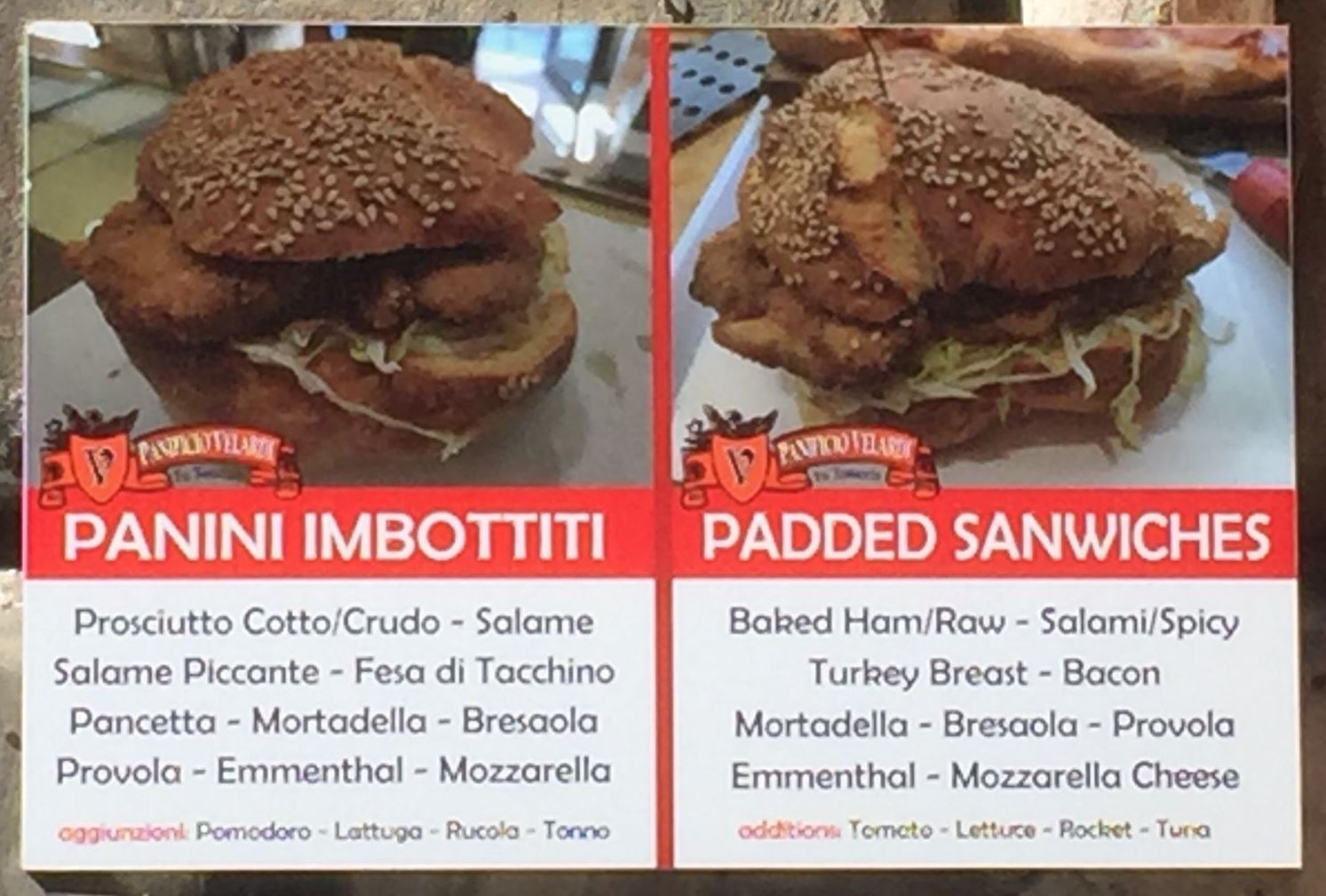
|
||||||||||||||||||||||||||||
|
Monday 27th September |
||||||||||||||||||||||||||||
|
I was meant to go to Bristol this morning but there's no fuel in Stroud. The lorry drivers all went home, didn't they? Not to worry, temporary visas will bring them flooding back. At least we've regained sovereignty and control.
I spent Saturday afternoon watching Forest Green Rovers v Tranmere with my old friend Charles. Here are the players warming up at the New Lawn. The original Lawn was 100 yards down the road, a right tip, although son Ben and I were quite fond of it. The new ground must be the only League Two pitch next to a farm and open country. It's only a mile away from where club chairman and Ecotricity CEO Dale Vince lived as a traveller and later built his first commercial windmill. 
The pitch is immaculate. It was once fertilised with truckloads of organic horse manure; apparently Forest Green, at the top of Nailsworth, reeked for days. Mown by a solar-powered robot. We had delicious vegan leek pies. Very good pastry, presumably with no dairy ingredients. Oat milk in the tea. Some years ago, I taught a young man who worked at the club on match days. I said, "Marcus, you've got Dale Vince there now, haven't you?" He scowled. "He does my head in." Marcus assisted at the food kiosks and suffered huge grief from the punters: "I don't want your poxy sustainable fish. Where's my Bovril?" Not any more. The food has won much praise. The queues certainly demonstrated no lack of demand. The sponsors and partners are understandably right-on. In June, the club announced that it planned to award the naming rights for its stadium to an organisation working on environmental issues. They chose Fully Charged, the world's number 1 clean energy and electric vehicle YouTube channel, founded in 2010 by Robert Llewellyn (Red Dwarf, Scrapheap Challenge). Chairman Dale said: "We're really looking forward to working with the Fully Charged team this season - like FGR they're showing a global audience that there's another way to live. Together we can spread the word about electric vehicles, clean energy and green football." 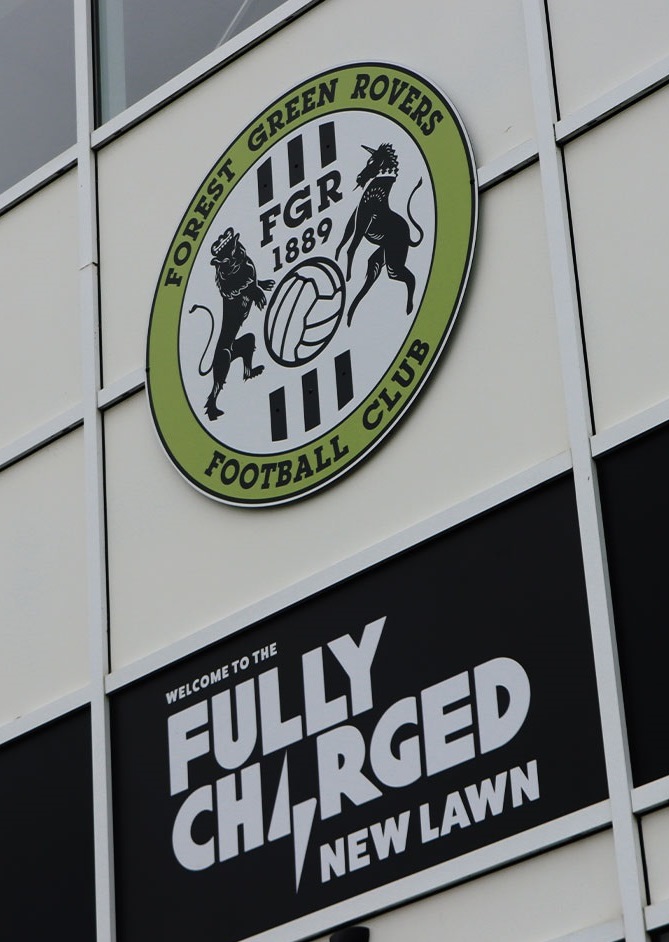
Another partner is Sea Shepherd. The FGR website states: "This non-profit marine wildlife organisation is on a mission to end the destruction of habitat and slaughter of wildlife in the world's oceans, conserving and protecting ecosystems and species. They use innovative direct-action tactics to investigate, document, expose and confront illegal activities on the high seas. We're proud to have their awesome logo on the back of our shirts and proceeds from the sale of our third kit goes towards Sea Shepherd UK's vital work, aimed at defending marine wildlife from illegal exploitation, exposing atrocities to conserving species, and protecting ocean habitats." The third kit design is taken from the colours of Sea Shepherd ship Steve Irwin: 

Sea Shepherd has an extremely cool fleet of vessels. My favourite is the Brigitte Bardot: 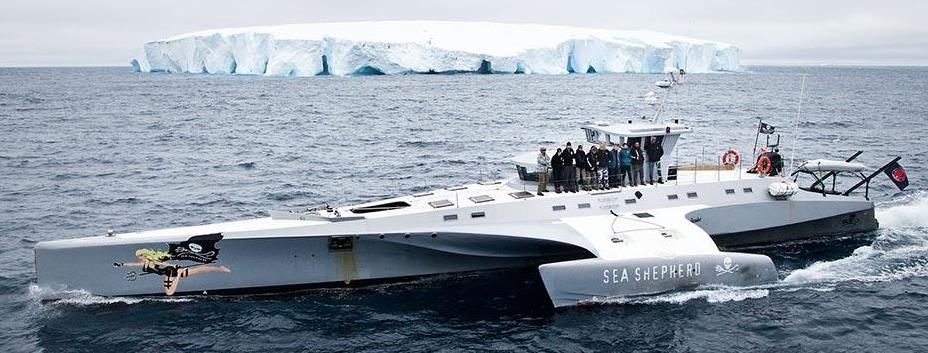
Back to the football. Shame about the goalless game. I call it the Lewis Footie Curse. In 1990 I went all the way back to Italy for the World Cup. At the Stadio Friuli in Udine I endured the worst 0-0 match I've ever seen, between Spain and Uruguay. I swear it was fixed, as both teams only needed a draw to proceed from the group stages. |
||||||||||||||||||||||||||||
|
Sunday 26th September |
||||||||||||||||||||||||||||
|
Yesterday was an appropriate day to adjust the focus of this blog as it coincided with the Global Citizen Live event round the world, with plenty of TV coverage.
The website explained: "Global Citizen Live is a 24-hour global event starting on September 25 to unite the world to defend the planet and defeat poverty. Hailing from 6 continents, the broadcast will feature artists, celebrities and world leaders coming together to create change and impact climate and poverty. "The event will feature performances from all over the world, including: Lagos, London, Los Angeles, New York City, Paris, Rio de Janeiro, Seoul, and Sydney. Additional locations and event-specific details will be announced in the weeks ahead, in accordance with local health and safety restrictions. "Global Citizen Live is part of Global Citizen's 2021 global campaign, a Recovery Plan for the World. The Recovery Plan focuses on five key objectives: ending COVID-19 for all, ending the hunger crisis, resuming learning for all, protecting the planet, and advancing equity for all." So, "Protect the Planet" and "End Covid-19 for All" are two of the main themes: Naturally Alok Sharma was at the concert in New York to promote COP26 in Glasgow. He must have racked up some air miles. Happy birthday to granddaughter Lola 🎂😍 
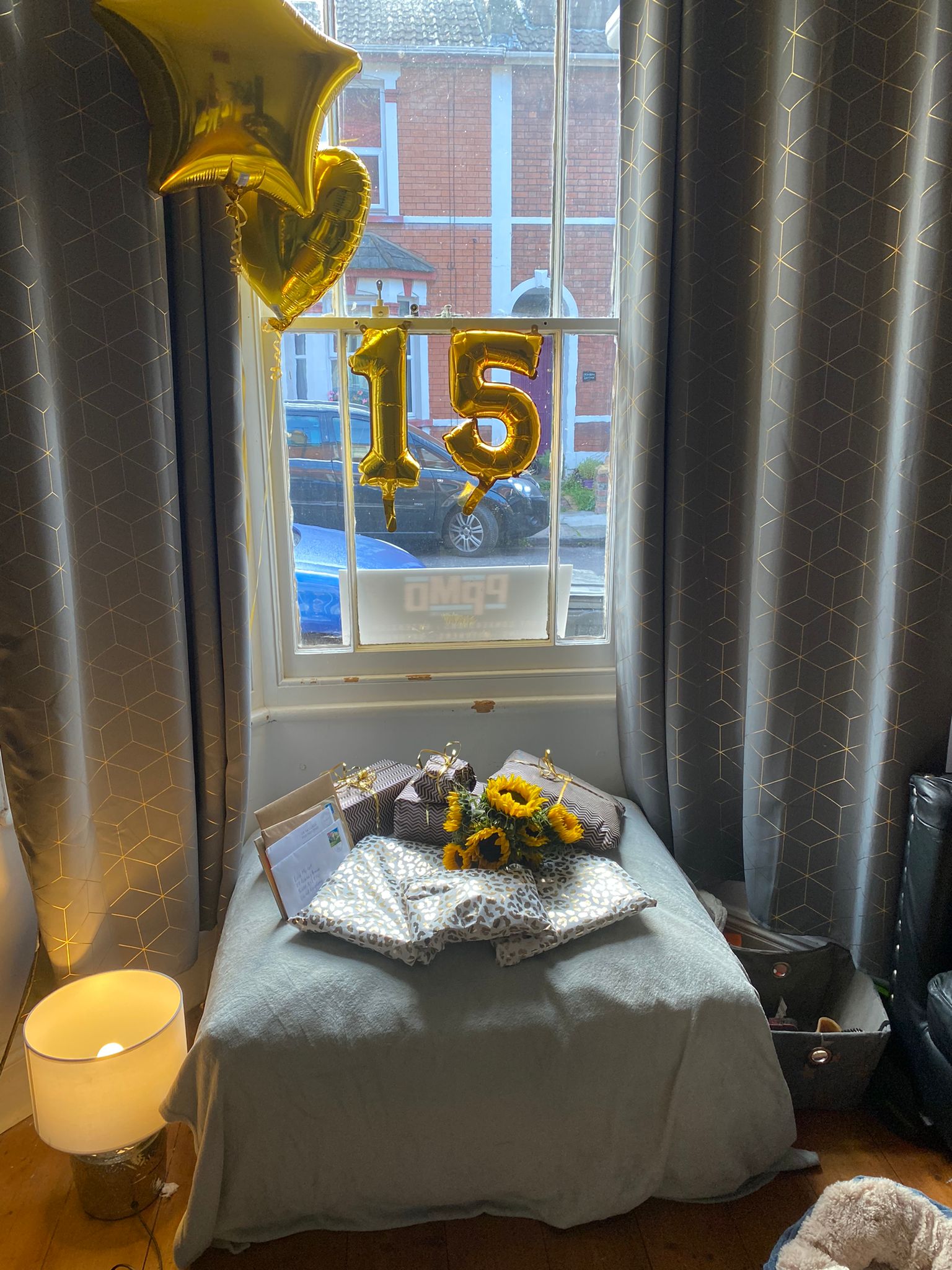
|
||||||||||||||||||||||||||||
|
Saturday 25th September |
||||||||||||||||||||||||||||
|
Yes, I'm migrating this blog into one about climate. Or climate and coronavirus. The pandemic still has to run its course - particularly in global terms, for example "vaccine inequality", and who knows what the winter holds - but I sense a priority shift in world focus. I will continue to indulge my interest in unrelated topics 😉.
I'll celebrate the change by going off-piste. Not coronavirus. Not climate. Ben has sent his first two snaps from Palermo. He was obliged for administrative reasons - Covid and work requirements - to take a trip to the town of Monreale on a hill outside the city. 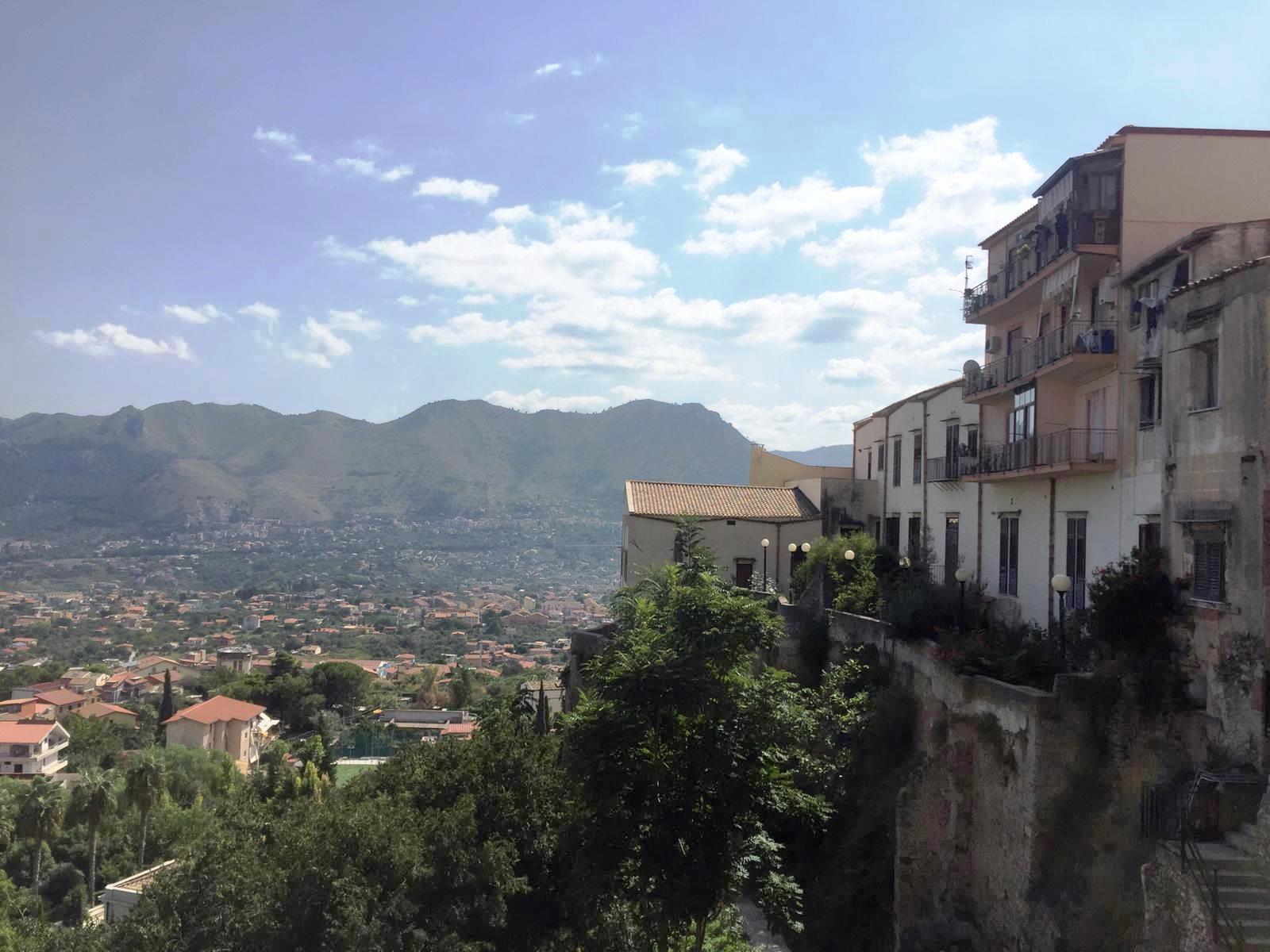
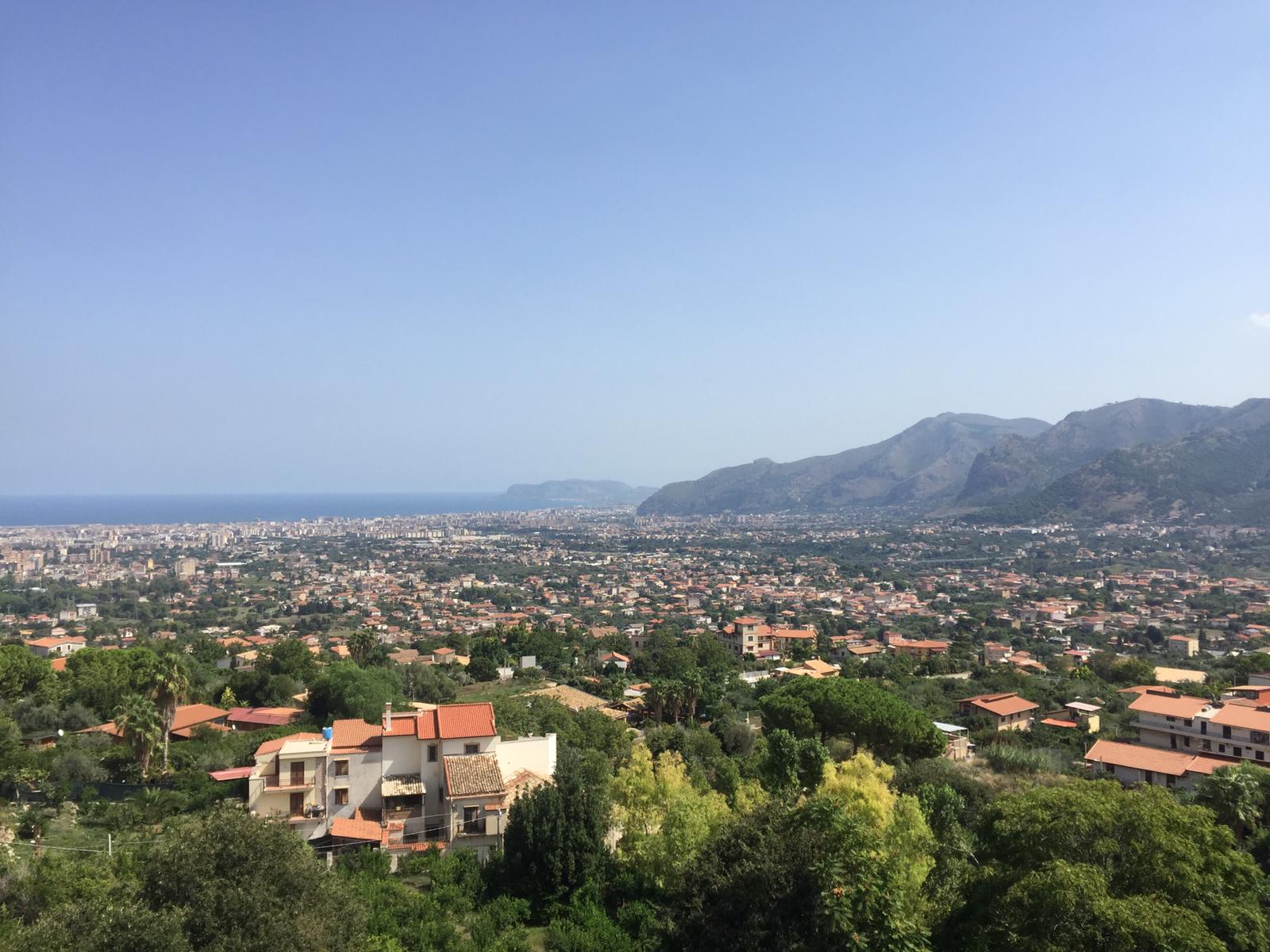
Tough life, eh? |
||||||||||||||||||||||||||||
|
Friday 24th September |
||||||||||||||||||||||||||||
|
Son Ben is in Palermo.
Look at the weather. It goes on forever. This is his neighbourhood: Must get on with the plan to visit in October. I was musing two days ago about the Covid numbers, particularly the slowdown in vaccinations. The BBC published an article about it yesterday. The government estimates that around five million people aged 16 and over in England (11%) are not yet vaccinated. There are many reasons: specific medical conditions; distrust of "experimental" drugs and unwillingness to sully one's body; antipathy to compulsion, anger (paranoia?) at the controlling "elite", the belief in personal choice; confidence in own's own health to resist the virus; indifference; can't-be-bothered ... the list goes on. The article included two graphs/charts related to deprivation and ethnicity: 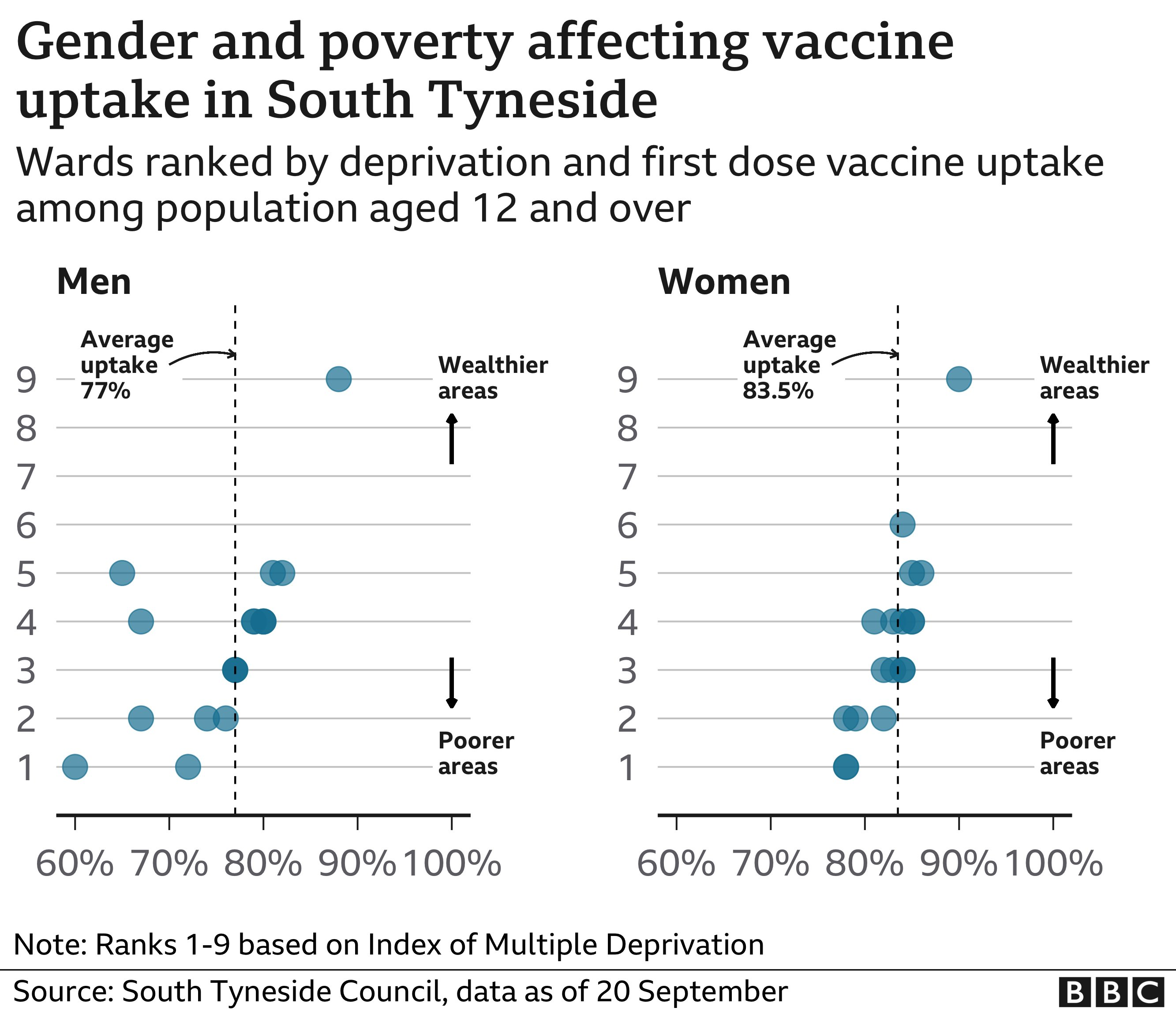
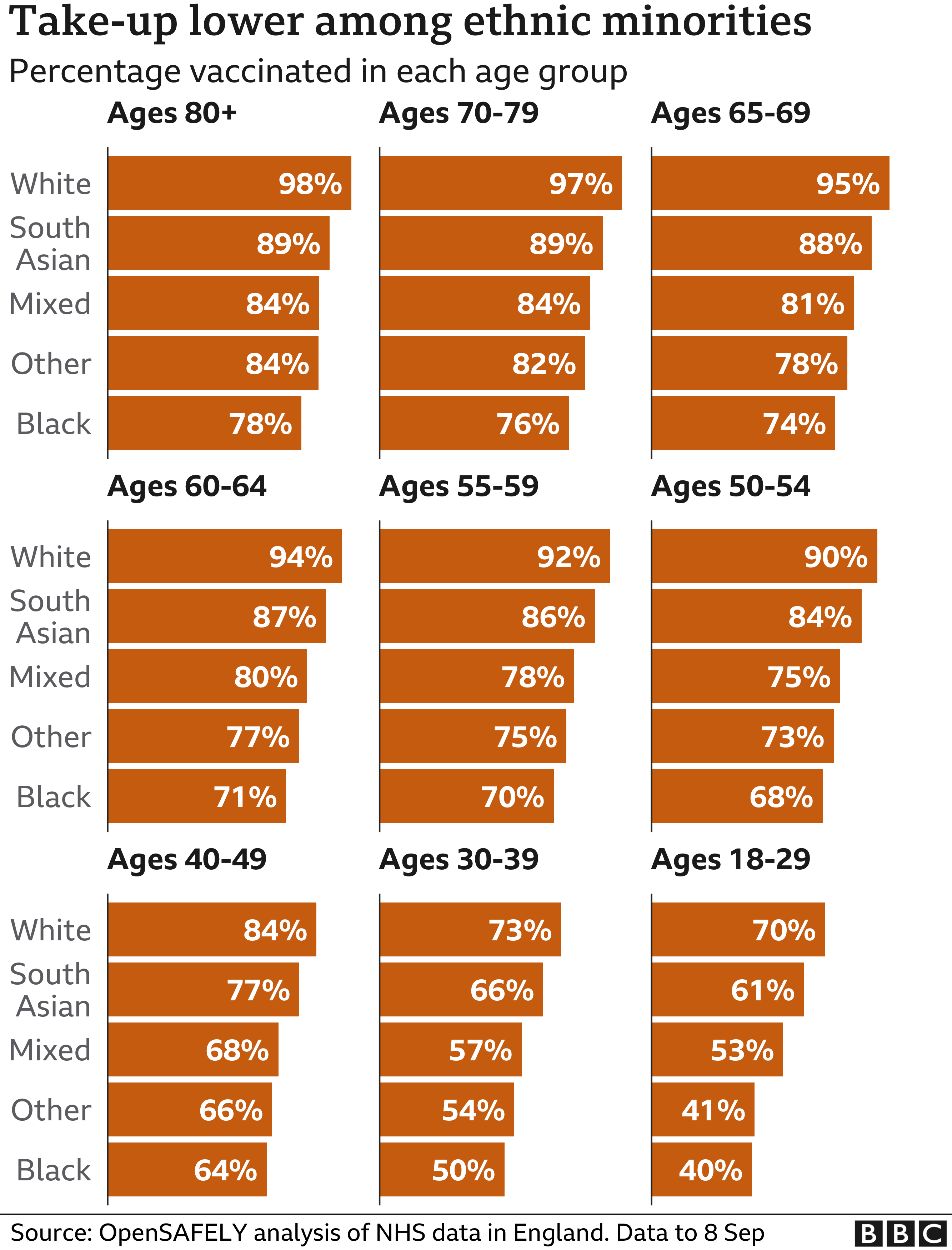
No big surprises there. |
||||||||||||||||||||||||||||
|
Thursday 23rd September |
||||||||||||||||||||||||||||
|
Back to Dale Vince and an unlikely alliance: Ecotricity and the Daily Express. Yesterday they co-launched a campaign to retain the nation's gas boilers - but fuelled by "gas from grass".
The Express printed a comment column from "Eco-entrepreneur" Dale: "Boris Johnson wants to take away your gas boiler. It would be a big step towards zero carbon by ending the use of fossil gas in our homes but makes no sense. The idea is for everyone to have a heat pump. As it's green technology I should be in favour but I'm not. Gas boilers are actually the best choice to heat our homes. So today Ecotricity and the Daily Express have launched a new campaign to save Britain's gas boilers. The big news is that we can keep them and still eradicate carbon emissions. We can do it faster, cheaper and simpler than with heat pumps. All we have to do is replace fossil gas with green gas. How we can make that gas will surprise you. "But first let's look at what the Government is proposing. Heat pumps work like a fridge in reverse, using electricity to take heat most commonly from the air. But they're expensive to install at about £8,000 per house. And expensive to run at about £400 per year more than using a gas boiler. That's another £7billion a year on our nation's energy bills. Worse still we will need to upgrade the grid to generate the electricity to power these new devices. The total cost could approach £300billion. A mad sum of money especially when we can do the job for a fraction of that. "Ecotricity has pioneered a new way to make green gas using grass. The total cost is just £30billion with zero per cent of the hassle, upheaval and waste. And with some big upsides. It will create thousands of jobs in the rural economy plus vast wildlife habitats. And within 10 years we could be energy independent for our gas. We actually have enough marginal grassland to make enough to power all of our homes. This is not theory. Existing technology known as anaerobic digestion does the job. It works like a cow's stomach but the methane is harnessed and used to power our country rather than power the climate crisis. Our only by-product is fertiliser. Our first grass-fed gas mill is being built in Reading. Next year it will be pumping green gas into the grid and fuelling 4,000 homes. "Our Government needs to wake up and smell the freshly mown grass. The answer to the question about how we heat our homes and fight the climate crisis is growing right under our feet." The newspaper devoted a large spread to the launch under the heading "Join the Green Industrial Revolution: the gas from grass that can heat homes and save our boilers". This diagram was at the centre (click to enlarge): Here's the full accompanying text: The Twittersphere went into - Dale's word - meltdown. Here is a selection of his exchanges with the less-than-convinced: |
||||||||||||||||||||||||||||
|
Wednesday 22nd September |
||||||||||||||||||||||||||||
|
Time for an update on Covid numbers. Plenty of graphs and charts. I'm not confident of an explanation for most of them. If you are, please send me an email.
Here's the infection density picture for the UK: What's going on in the Celtic Fringe? Two weeks ago I drove from Stroud to Caernarfon across the northern section of that Welsh red. There wasn't anybody there. Lots of sheep. Have they got Covid? Do they count? The local Stroud case rates have dropped steeply in recent weeks: It's certainly not because of mask-wearing. As reported elsewhere in the UK, I observe that the percentage has inverted this last month from 80% to 20%. Except in Waitrose, although even there it's down to about 60%. My friends (not) the anti-vaxxers will be pleased. They're not fans of face "nappies". Is it the effect of school holidays, summer, being outdoors? The extension of the vaccination programme to include younger age groups? Yet the programme has slowed: Is that just because there are fewer people left to vaccinate? Are the stragglers less committed to getting vaccine protection, or more entrenched in their refusal? I sense that government drive has diminished, priorities have shifted. Nadhim Zahawi has gone to Education. The talk is of autumn boosters for the already-jabbed, not about completion of the programme, 100% coverage. Pandemic becomes endemic. Is winter 'flu seen as an equal or greater threat? Does the response to climate change move centre stage? COP26 in Glasgow, the UN eco-summit, is only 40 days away. What about death from Covid? Who are all these unvaccinated people over 60? |
||||||||||||||||||||||||||||
|
Tuesday 21st September |
||||||||||||||||||||||||||||
|
Gas price crisis now. Whatever next?
Here are the Ofgem forward contract - the agreement between two parties to buy or sell an asset at a specified price on a future date - figures for the last seven months: Companies gone bust: 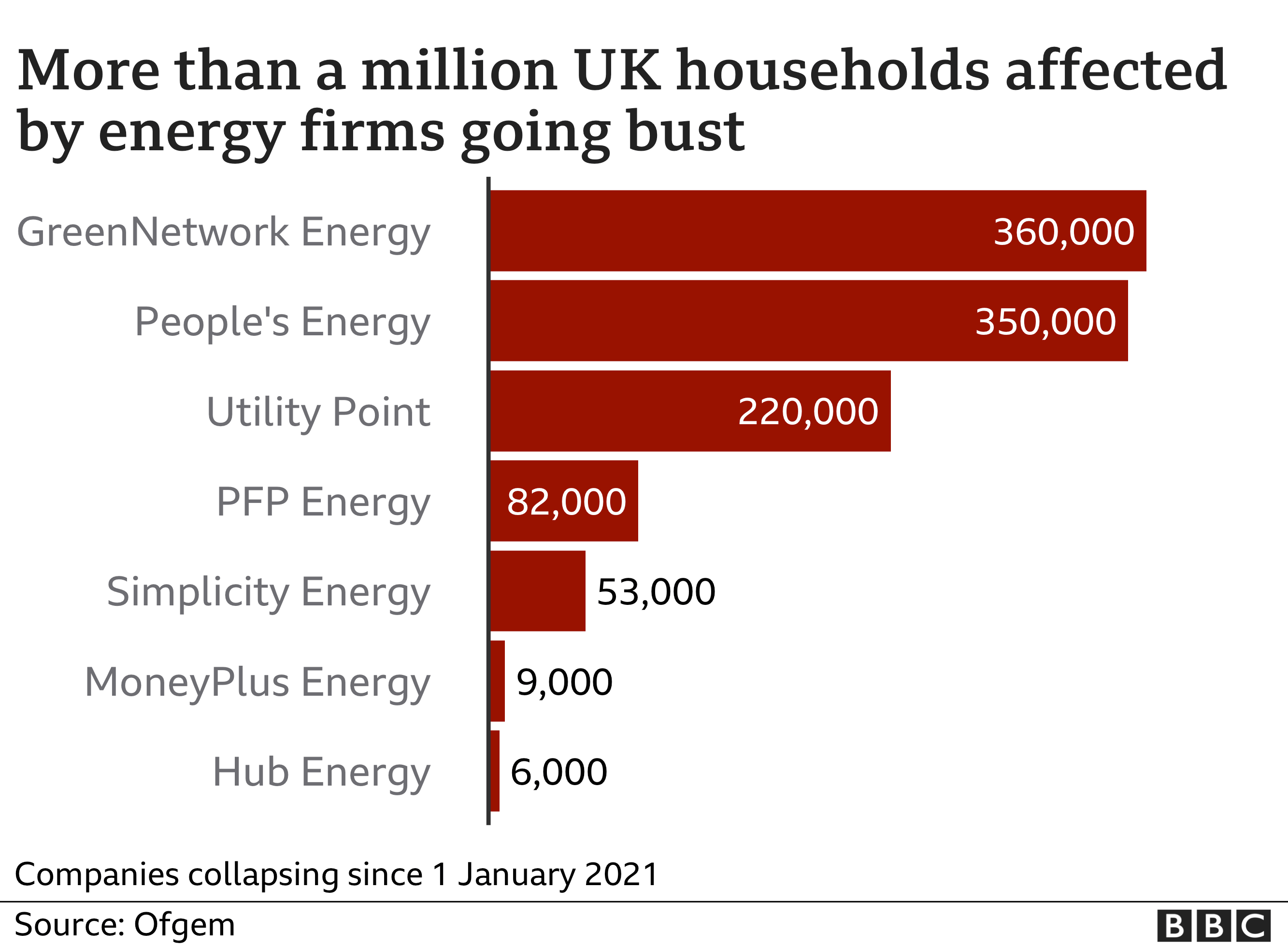
What about our supplier, Stroud-based Ecotricity? Here's founder and owner Dale Vince on BBC News yesterday morning: Reassuring ... for the moment. Here he is again on BBC Radio 5 Live Wake up to Money. The same stuff, said a bit differently: And for the third time - if you prefer print to video or audio - here's his summary in the Daily Express: "We're having another energy crisis this winter but it won't be the last unless we change our approach. The market won't just sort itself out. We need to sort ourselves out. The immediate crisis started with a shortage of electricity, driven by three things. Britain's nuclear fleet is offline unexpectedly after scheduled maintenance. Our wind fleet is suffering from the lowest summer wind speeds tor 60 years. And on top of that a fire has taken out an interconnector that we use to import electricity from Europe. It really is a perfect storm. To make up the shortfall we look to use gas power stations but there are shortages of gas. Global demand is soaring in Asia as those economies bounce out of lockdown. Boris Johnson got that bit right but it's just one piece of the puzzle. Russia has reduced its gas supply to Europe for what appear to be political reasons. And Britain has little gas storage to buffer demand. And so we have record demand for gas while it is in short supply. This causes the price to rocket, taking electricity with it. This exposes our main problem that we are dependent on global markets and supply chains for our energy. The talk right now is about how many suppliers will go bust. But we need to fix the key issue: where our energy comes from. We need to be independent once more, making everything here and we need to do that using renewables - the wind and sun for electricity and grass for gas. As ever, the answer to the climate crisis is the answer to many other problems we face." The press and broadcasters like Dale. He's been on Radio 4 Today, TalkRadio, ITV Good Morning Britain and others before. Owns an energy company but not your run-of-the-mill CEO suit, ex-traveller, dresses scruffy, knows his stuff, good with numbers, strong opinions, articulate. The future of the planet, electric cars, plant-based diets, sustainable football ... it's a modern mix attractive to the media. While I'm giving him a few column-inches, here's an interview with Dale and the Forest Green Rovers coach Rob Edwards on Sky Sports Playing for the Planet discussing the benefit of a vegan diet for both the environment and players: Dale's busy on Twitter. Here's a tweet about Macdonalds and plant-based fast food: Of course, he's not universally liked, but usually has a downbeat reply: He's got a thick skin ... and is laughing all the way to the bank. |
||||||||||||||||||||||||||||
|
Monday 20th September |
||||||||||||||||||||||||||||
|
I mentioned my encounter at the anti-vax stall in Stroud High Street on Saturday.
Did you take a look at The Light "truthpaper"? 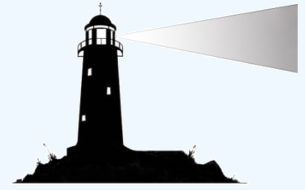
Here's the centre page spread (click to enlarge): 
The statements across the top and at the bottom right give a flavour of the distrust at the heart of the response to "Covid-19: the smartest virus": "It's destroyed economies, laid waste to people's lives and created a tsunami of health and social problems due to the precautions we have introduced to fight this unproven and untestable pathogen, which has a similar death rate and vector as the 'flu ... from an initial '3 weeks to flatten the curve' to 18 months of life-changing restrictions, we can now start to get a handle on the patterns of behaviour of this respiratory disease which can magically adapt to almost any environment or social setting. "The point of these confusing and nonsensical restrictions we have all to put up with over the last 18 months is to render people helpless from fear, so they don't know what to believe and give up trying to make sense of anything - 'just take the shots and you'll be fine'. Psychologists call it 'learned helplessness' and governments have been practising this for centuries to control populations. The best way to combat this or any other future 'pandemic' or psychological fear project emanating from the mass media system, owned and controlled by the same people who own all the corporations including the big pharmaceutical companies, is to ignore it and continue making the best decisions for you and your family from your own research and good sense." Headlines and articles continue the theme. "A funeral director has told how he has recorded no excess deaths since the first lockdown last year. John O'Looney, from Milton Keynes, also revealed to The Light how he received regular weekly calls from a government agent asking for numbers of deaths and encouraging him to attribute deaths to Covid-19. 'There have been glaringly obvious coercive conversations, trying to get me to say the deaths could possibly be Covid-19', he claimed. 'It felt to me like it was an effort to falsely inflate Covid-19 death rates.'" "Is Covid dictator Emmanuel Macron biting off more than he can chew? Demanding total compliance with vaccination and biomedical surveillance, on pain of banishment from society, the French government has sparked a wave of protests from Chambery to Clermont Ferrand. Pseudo-medical apartheid has crossed a line for millions of citizens, who have caught the bug of resistance. A message on one placard was 'Macron et Madame Guillotine: a marriage made in Heaven'. "Crises have always been exploited to boost control. Once power is taken, it is rarely given back: the security response to the Twin Towers event continues two decades on. Hitherto efforts for global governance having faltered, with toothless agencies and cooperation thwarted by international rivalries, the globalists have found a way to usurp state power through a border-defying health emergency. Suddenly the World Health Organisation became the unquestionable authority. "Indeed, the pandemic seems highly convenient; it was certainly predicted by the likes of vaccine-touting eugenicist Bill Gates, gain-of-function virus funder Anthony Fauci, and the World Economic Forum in its prescient 'Event 201' exercise. Fear, loathing and bribery were incited to stunning effect, bringing almost every government into line in imposing lockdowns and mass vaccination, mostly with the willing compliance of the people." There's a sidebar containing the poem "Covid's Soliloquy", by "BlueHeretic". It starts: "To vaxx, or not to vaxx, that is the question: Whether 'tis nobler for society to suffer The needles and vials of outrageous pharmacy Or to take arms against a sea of despots And by opposing, end them." A poster advertises the "Stand in the Park" movement: Here's the introductory text from the Stroud chapter's Facebook page (81 members): "This is our Stroud-specific Stand in the Park group for citizens who stand for our freedom and constitutional rights. We Stand for Personal Truth and Freedom in Unity. Every Sunday, 52 weeks a year, rain, hail or shine (preferably shine), 10-11am, wearing or having an item of yellow. We urge all brothers and sisters, to Stand with us, in Stratford Park by the bandstand consistently, to ultimately, pave change for our children's and our freedom. This is our line in the sand and it won't move. If it's not us now, then who is it, and when? DISCLAIMER: These events are not a 'protest'. We are simply making a stand, together, in yellow. We are peaceful." The adverts in The Light's back pages are interesting. Here's one: If you go to Vernon Coleman's book site, you find this e-book (and many more): "Covid-19: The Greatest Hoax in History" Here's an extract from the foreword: "It is difficult to know precisely when the coronavirus hoax really started - or who was responsible for initiating what has, without question, turned out to be the greatest fraud in human history. This book explains just how a bunch of crooks are using the fear which has been deliberately created out of a fairly ordinary flu bug to take over the world. Making huge profits has been effectively disguised as philanthropy. "The usual suspects are, of course, the Rothschilds, the Rockefellers, the Bliderbergers and the Jesuits. But a variety of modern billionaires and self-styled philanthropists (such as Gates and Soros) have been added to the mix. "It is vital to remember that behind the whole fraud lies the global warming scam. "This fraud, which first surfaced back in the 19th century, was resurrected in the 1990s and deliberately chosen by the Club of Rome as a means to an end: the excuse to create a New World Order. "The hysterical simpletons who are now scaring themselves silly over global warming don't realise that the only thing which is man-made about the scare is the scare itself." |
||||||||||||||||||||||||||||
|
Saturday 18th September |
||||||||||||||||||||||||||||
|
So, we have new travel rules. Here's the GOV.UK summary (4 pages): Son Ben doesn't seem to have let Covid get in the way of traversing Europe. You may have read in these pages that he's just completed a road-trip from Bilbao to Vienna and back. I know that shortly he's off to Palermo for an undefined period to continue a love affair with Sicily that started before the pandemic. I called him last night to catch up before his departure. "Actually, Dad ... I'm in Amsterdam." What? Why? A while ago an Austrian friend lent him a motorcycle and now wants it back. They couldn't work out how to achieve the exchange ... so Ben has ridden it from Bilbao to Amsterdam (where the friend currently lives). 14 hours saddle-time spread over two-and-a-half days, 1,450 kilometres, on a Ducati Monster 600 which he says is ill-designed for anything other than cruising Italian flesh-pots, nights spent on French campsites - Saint-Jean-d'Angély south-east of La Rochelle and Boiry-Notre-Dame in the Pas-de-Calais. 
He's flying back to Bilbao today, Palermo on Tuesday. Who said anything about restrictions? I'm delighted that he lives a European life free from Brexit. I'll gloss over the carbon footprint. I had a run-in with the anti-vaxxers in Stroud High Street this morning. I wanted to understand the array of views expressed in the book and pamphlet selection on their stall. Got a proper lecture, curiously without social distancing, right in my face. There were issues of The Light "Truthpaper" on offer. Take a look: 
|
||||||||||||||||||||||||||||
|
Friday 17th September |
||||||||||||||||||||||||||||
Just as electric car usage is gaining momentum (traction?) ... RIP Sir Clive Sinclair, inventor of the C5.
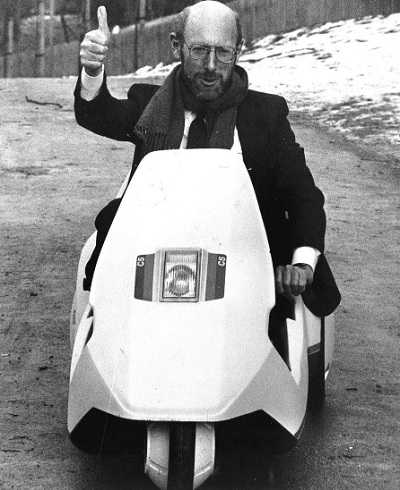
The car - in fact Sinclair never called it that - was unveiled in January 1985. At the time I was teaching in Southall, Middlesex. The local computer shop - also recently opened on the back of the UK personal computer boom, and selling Sinclair's computers - had a couple of C5s in stock, or perhaps on loan. The owner allowed me to take one to show to my students. I drove it to the college, in the front door and round most of the classrooms. The journey there and back on the public roads was terrifying. I remember being passed by a bus, my head at the same level as the tops of its wheels, much like this gentleman in Cardiff. 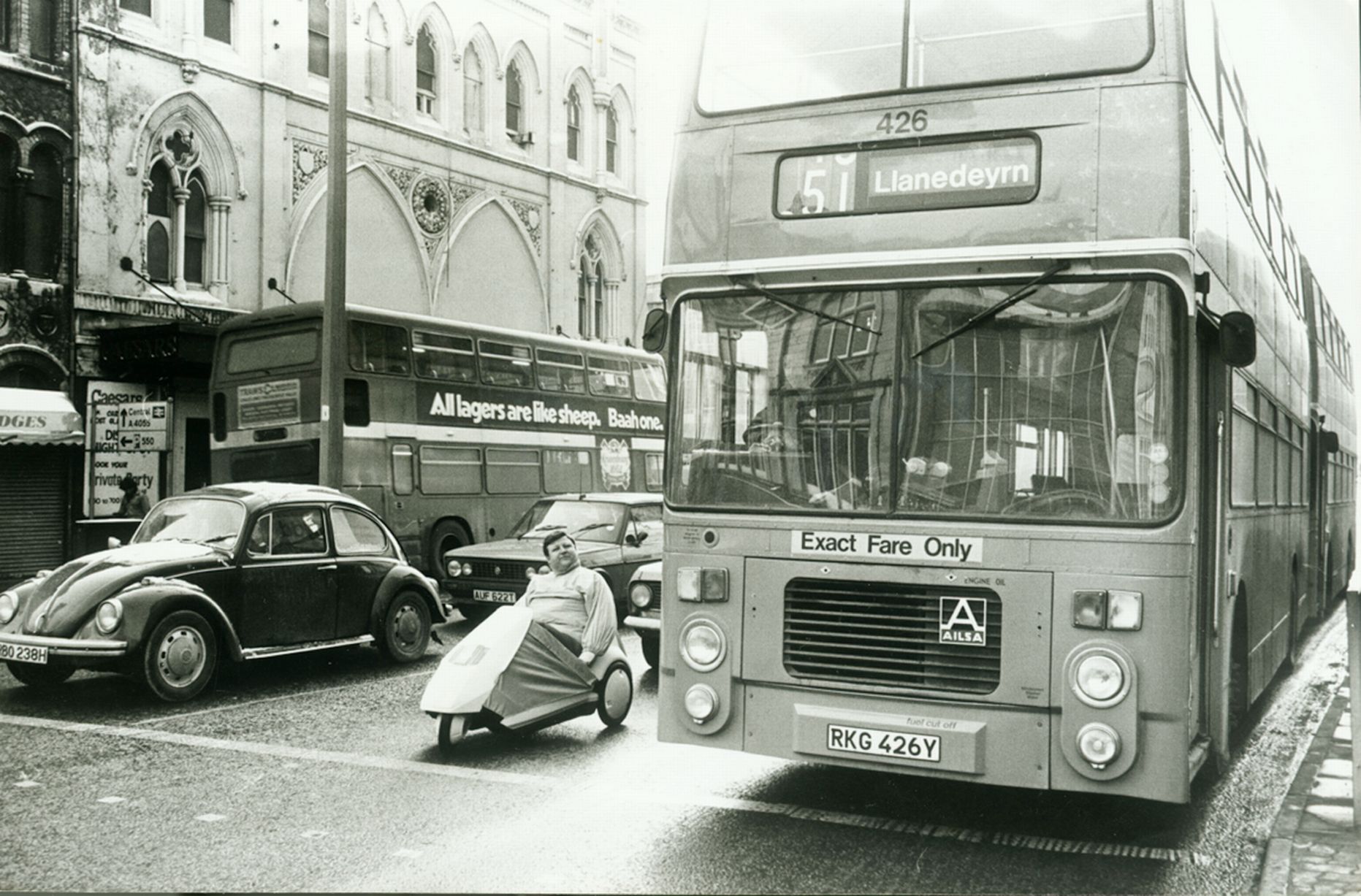
It never caught on, limited by a short range, a top speed of only 15 miles per hour, a battery that ran down quickly and lack of weatherproofing (in the top picture, note the snow on the ground and Sir Clive wearing a scarf - brrrr!). The dream of a handy shopping vehicle faded rapidly. Out of 14,000 C5s made, only 5,000 were sold before its manufacturer, Sinclair Vehicles, went into receivership. 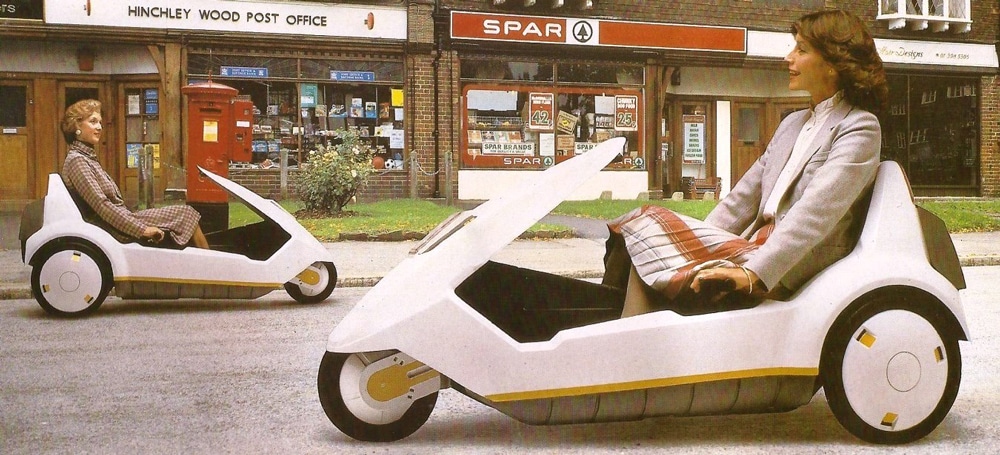
There are some who refuse to give up on its promise. The Edinburgh Evening News ran an article last March about devotee Chris Rockett, a self-employed joiner from Leith. He is the proud owner of four and is running C5 tours in the city at £40 a pop. 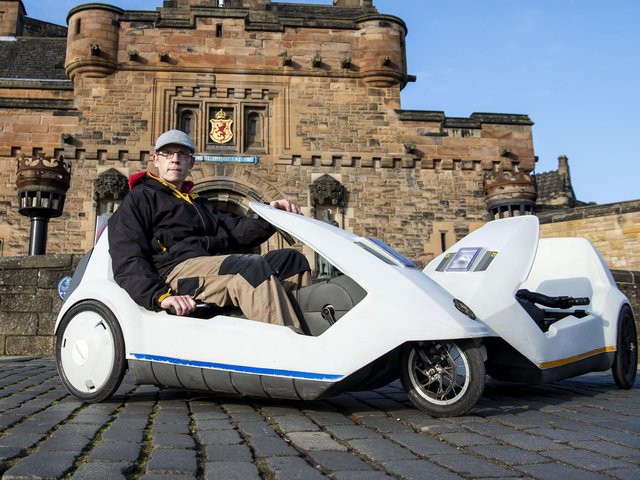
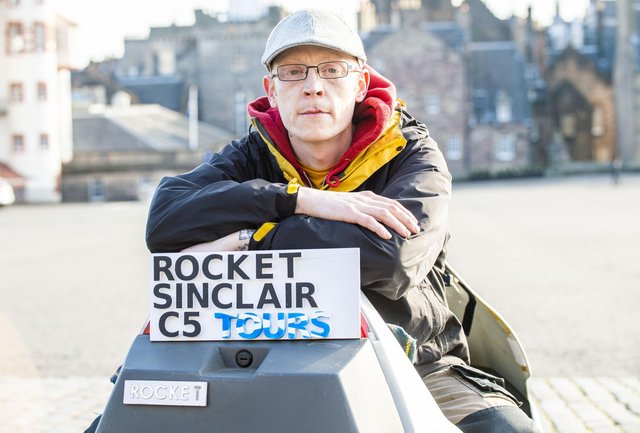
Tesla, eat your heart out 😂 |
||||||||||||||||||||||||||||
|
Thursday 16th September |
||||||||||||||||||||||||||||
|
Cabinet reshuffle shenanigans.
The BBC published a popularity poll of cabinet ministers yesterday, the approval ratings from Tory MPs. I've gone to the source, the website ConservativeHome, founded by Tim Montgomerie in 2005 "to champion the interests of grassroots Tory members and to argue for a broad conservatism that is as serious about social justice as it is about economic competitiveness". The Observer has said that "in the eyes of most MPs, Montgomerie [is] one of the most influential Tories outside the cabinet." Here's the site's original August survey chart: 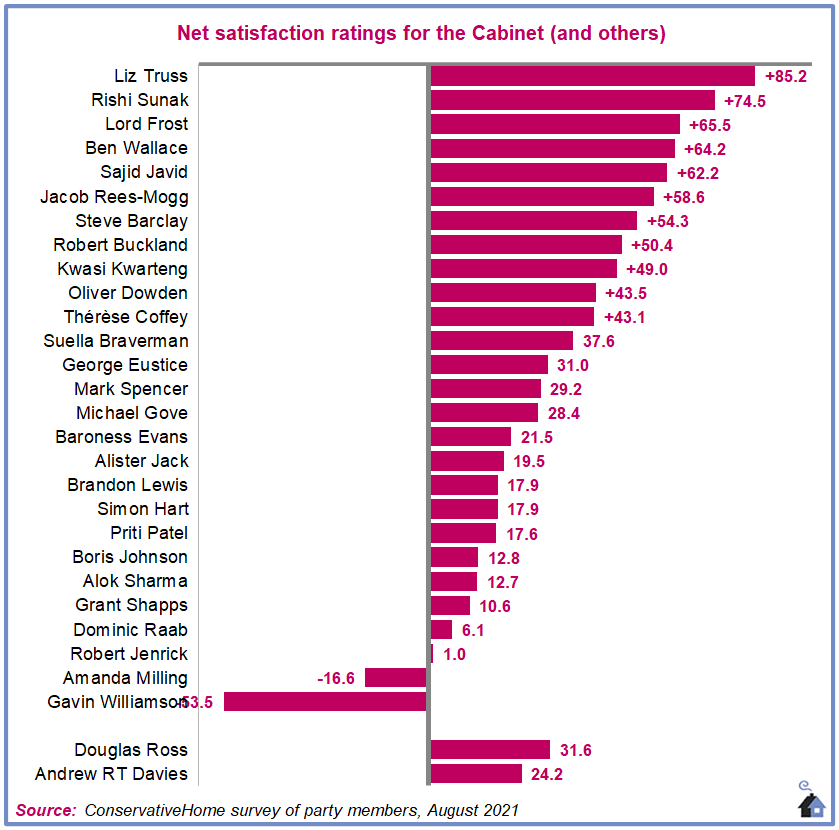
Of the 29 people listed, how many do you know? Here's the accompanying ConservativeHome textual gloss: "Last month, Dominic Raab was third from top in our Cabinet League Table, on 73 per cent. This month, he drops by 21 places to fourth from bottom, coming in at 6 per cent and narrowly avoiding negative ratings. It's one of the biggest falls ever in our table - almost on the scale of Theresa May's dizzying fall from top of the table into negative territory in the wake of the bungled 2017 election. "Meanwhile, Ben Wallace moves up from ninth, on 51 per cent, to fourth, on 64 per cent. "The Westminster story of the last week or so has concentrated on Raab v Wallace - and this finding seems to show Conservative activists taking sides. Our take is that it's more of a verdict on how British servicemen and the Foreign Office have reacted to events in Afghanistan; and on Wallace's robust take on Joe Biden and, perhaps, Pen Farthing. The Defence Secretary seems to be morphing into a politician who, like the Prime Minister himself, is seen by many people outside Westminster as authentic. "Boris Johnson drifts up from fourth from bottom on three per cent to seventh from bottom on 13 per cent. "Otherwise there's little change in the table, but it's worth closing by having a look at Priti Patel. Last month, she was tenth from bottom on 26 per cent. This month, she is eight from bottom on 18 per cent. As recently as May, she was among the top members of the table: sixth from top on 64 per cent. You will have your own view on the reasons for her fall. Ours is: channel boats." It looks like the reshuffle reflects internal Conservative Party preferences. Losers: Gavin Williamson -53.5%; Amanda Milling -16.6%; Dominic Raab 6.1% - although Robert Buckland at 50.4% is unlucky. Winners or stayers: Liz Truss 85.2%; Rishi Sunak 74.5%; Ben Wallace 64.2%; Sajid Javid 62.2%. Jab supremo Zahawi is rewarded with Education. But what of Priti Patel's survival at 17.6%? Grant Shapps at 10.5%? And the PM himself at 12.8%? I suppose he was unlikely to demote himself. As a side-exercise, I extracted numbers from another ConservativeHome survey, the party MPs' opinion of Boris's handling of the pandemic. 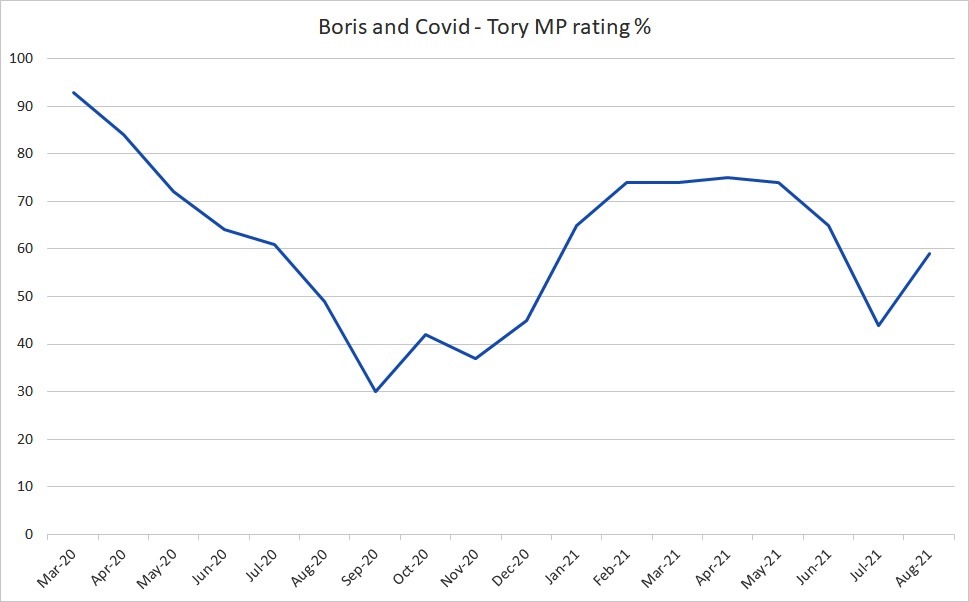
The 2020 descent following early Covid response incompetence? 2021 recovery because of the vaccination programme? What next? Despite internal Tory ambivalence about the PM - that 12.8% approval rating in the cabinet popularity survey - the disturbing thing about yesterday is the sense of consolidation in this government. The shuffle disposed of the liabilities, the weak links. Liz Truss said after her promotion: "The Prime Minister has put in place a strong and united team which is going to deliver for the United Kingdom." More comfortable in charge. A confident eye on the next election. I can't see an effective, incisive and cogent opposition. The Labour Party, still suffering from "long Corbyn", offers little credible alternative. It's barely visible. Boris has annexed much of its substance. How did an agenda of "levelling up" get to belong to a Conservative government? |
||||||||||||||||||||||||||||
|
Wednesday 15th September |
||||||||||||||||||||||||||||
|
The Covid Winter Plan (CWP) is revealed.
I'm sure you've seen all the coverage, so I'm just posting horse's mouth material should you want to dig. The Downing Street document is relatively short. The Health Secretary's opening statement to the Commons is four pages long. But that's history. The big downside of the CWP for me is that word - winter. I, like millions of others, am not a fan. This year I'm determined to find ways if not to enjoy it, at least to mitigate the gloom. I simply can't spend six months of every year of the rest of my life longing for spring. Much Googling lies ahead. |
||||||||||||||||||||||||||||
|
Monday 13th September |
||||||||||||||||||||||||||||
|
Covid passports are about to come into force, then they're not. What's going on?
We genuinely seem to be moving from pandemic status to endemic. Coronavirus is not front and centre of the news. There's more interest in Emma Raducanu's remarkable victory at a (packed) Arthur Ashe Stadium in New York. Lewis Hamilton escapes serious injury or worse when a car drops on his head. Stroud's drama festival went ahead with the town full of theatregoers circulating round multiple indoor venues. We went to a musical show. Carefully spaced seating, but no masks. Boris Johnson is set to announce the UK Covid Winter Plan tomorrow: booster jabs, contingency plans for an infection surge, options to limit the spread of Covid-19 without the use of lockdowns. Management not eradication of the virus. Here are FT/Johns Hopkins case and death graphs charting the last calendar year, from 1st October 2020 to this last weekend. I've included countries/regions that have featured regularly in these pages: UK, USA, EU, Brazil, India - and China, because that's where it all started. Click to enlarge. What do we see? In order chronologically: the early peaks in the USA and EU; the rapid rise of deaths in Brazil; the dramatic India surge; the general drop and stabilisation of figures that we see today; China slides along the bottom throughout. The exception is the USA where, while not reaching the levels of nine months ago, cases and deaths have climbed steeply over the summer. The "new normal"? Sarah's going to Vienna next week. I'm meeting an old friend for lunch in a pub today. |
||||||||||||||||||||||||||||
|
Sunday 12th September |
||||||||||||||||||||||||||||
Back from a delightful break in Trefor on the Llŷn Peninsula in north Wales. We were staying in a cottage where my aunt Joyce and her husband Alick spent many holidays with their children.
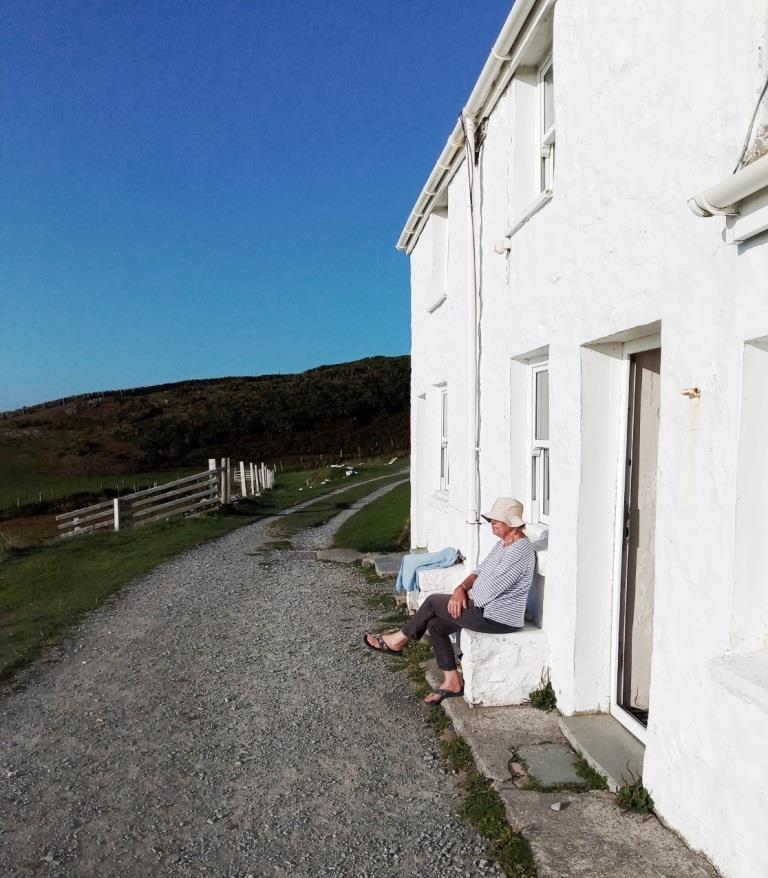
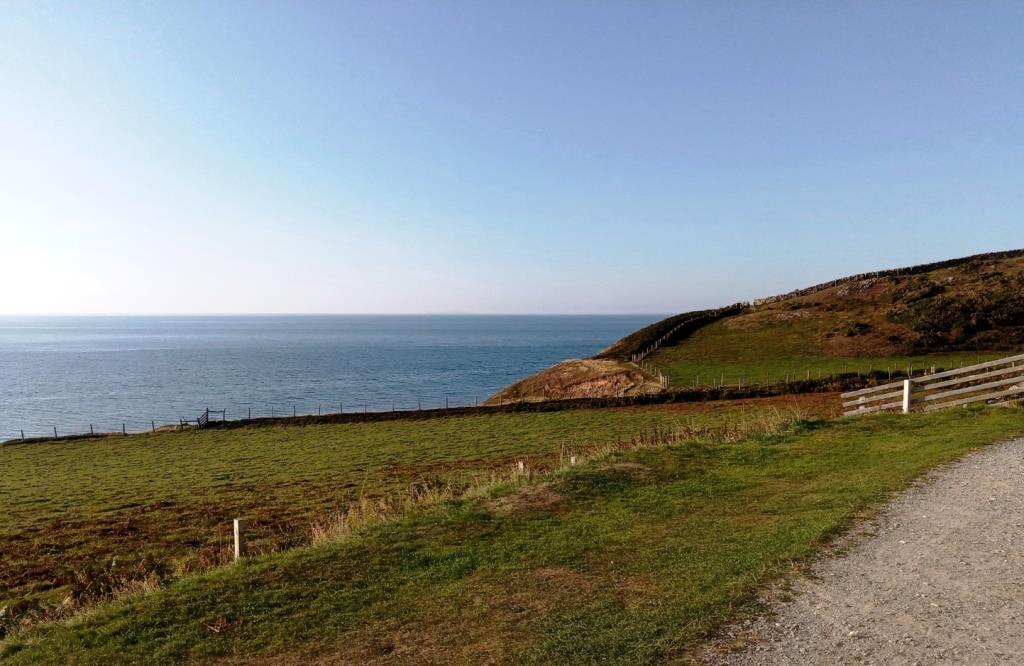

Behind the cottage up the slopes of the Yr Eifl hills is the remains of a granite quarry once managed by the Darbishire family, relatives of Uncle Alick. Stone from there paved the streets of Liverpool and Manchester before tarmac became the material of choice. A railway took the rock down to the village pier; one section had a gradient of 1 in 1¾. 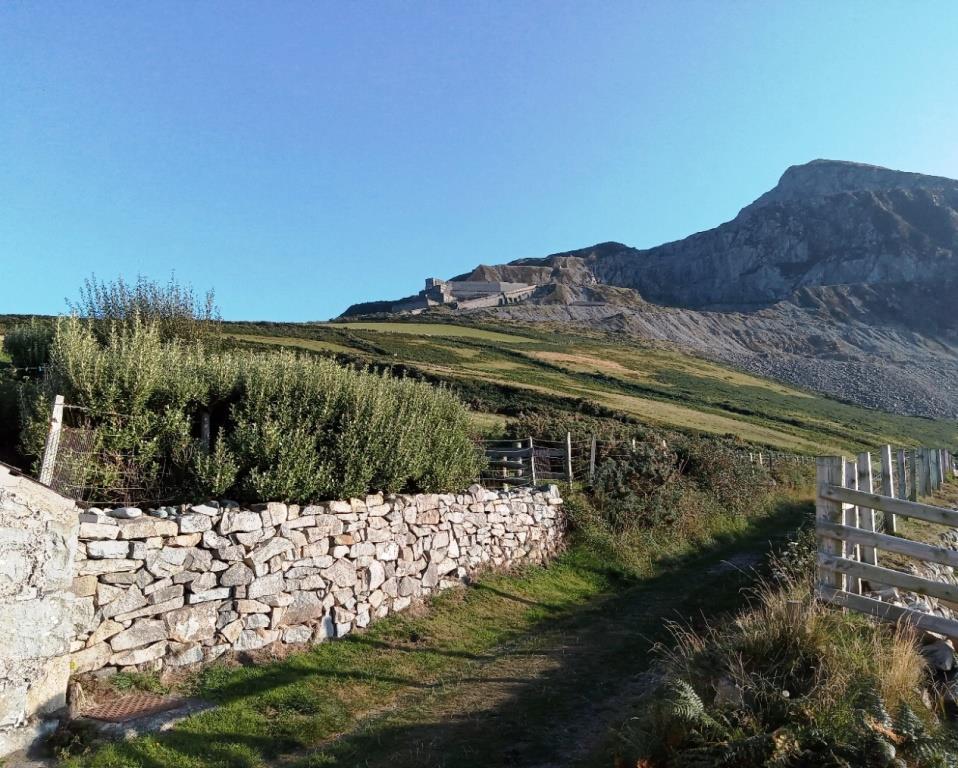
Yes, freedom from social distancing. The only reminder of Covid - or Coronafeirws - was a cottage-check-in Cod QR. Test-Trace-Protect is Profi-Olrhain-Diogelu. 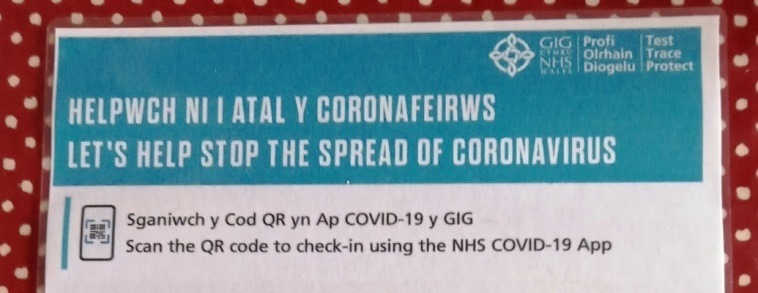
|
||||||||||||||||||||||||||||
|
Monday 6th September |
||||||||||||||||||||||||||||
|
I'm taking a few days off. Need to get away from the computer.
If you're a Stroudie, don't miss next weekend's local feast of "learn to live with it" entertainment: We're going to this gig: 
No prizes for guessing the audience demographic. I'm a bit anxious about the indoor crowd. Given their age, I expect they'll all be double-jabbed. Except perhaps for a smattering of militant Stroud anti-vaxxers. While we're on the subject of music, if you'd care in an idle moment to read about my heroes and heroines (most from the USA) take a look here: |
||||||||||||||||||||||||||||
|
Sunday 5th September |
||||||||||||||||||||||||||||
|
I said yesterday when I posted the 184-country list of cases that I was offering no interpretation. Well, that was yesterday 😉
I've looked at the top 20 and grouped them by region. Europe includes Turkey. India is the only country from the sub-continent. The Near East includes Ukraine and Russia (you may not agree). 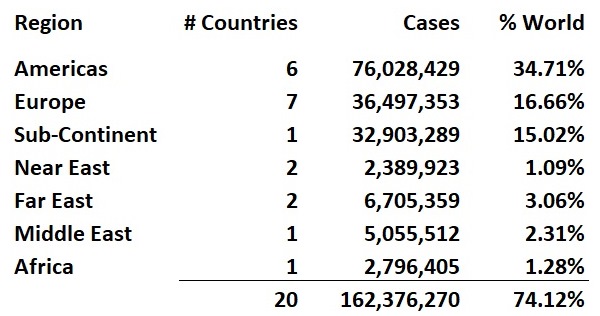
The top 20 account for 74.12% of world cases. 13 of the countries are in the Americas and Europe. Despite "vaccine inequality" only one African nation appears in the list (South Africa) - is this a reporting issue? No Oceania. I've taken yesterday's cases spreadsheet, sorted by deaths per 100k, highest to lowest - the density of fatalities - and then selected the top 20. 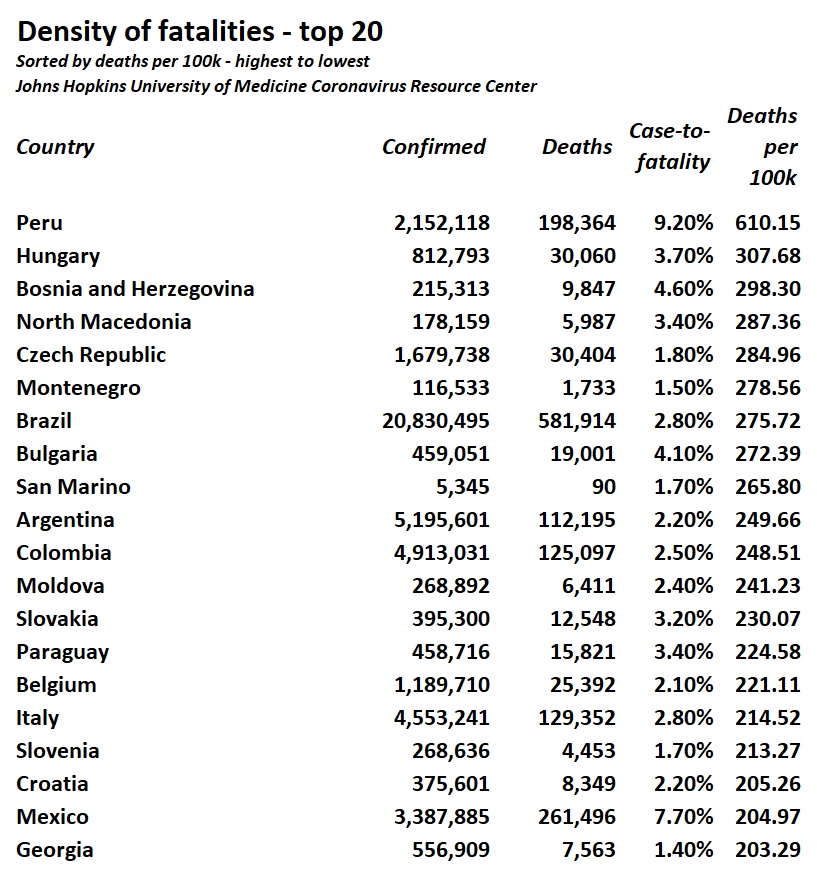
Quite a lot of central and eastern European countries, as observed by WHO European Regional Director Hans Kluge five days ago👇. The UK and USA are just off the bottom of this list: UK at position 23 with 199.36 deaths per 100k, USA at 25 with 196.10. I've grouped the selection by region: 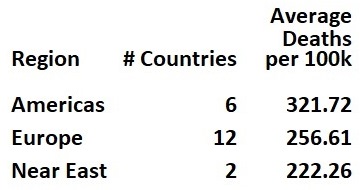
The greatest density of deaths occurs in countries of the Americas and Europe, 18 out of the 20. The other regions (see the first table above) don't appear in this list. The web analysis program Clarity reports that this blog was accessed in the small hours by two people from Togo in West Africa - the Togolese Republic, La République Togolaise. Well, I'll be darned! Welcome 🙏 Not in any of today's tables with 2.3 average cases per 100k - despite having only 4.2% of the population fully-vaccinated. 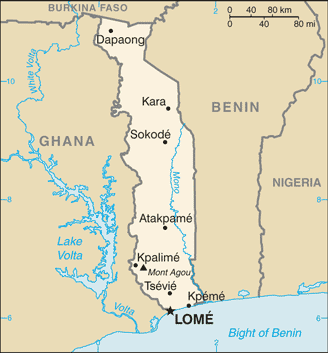
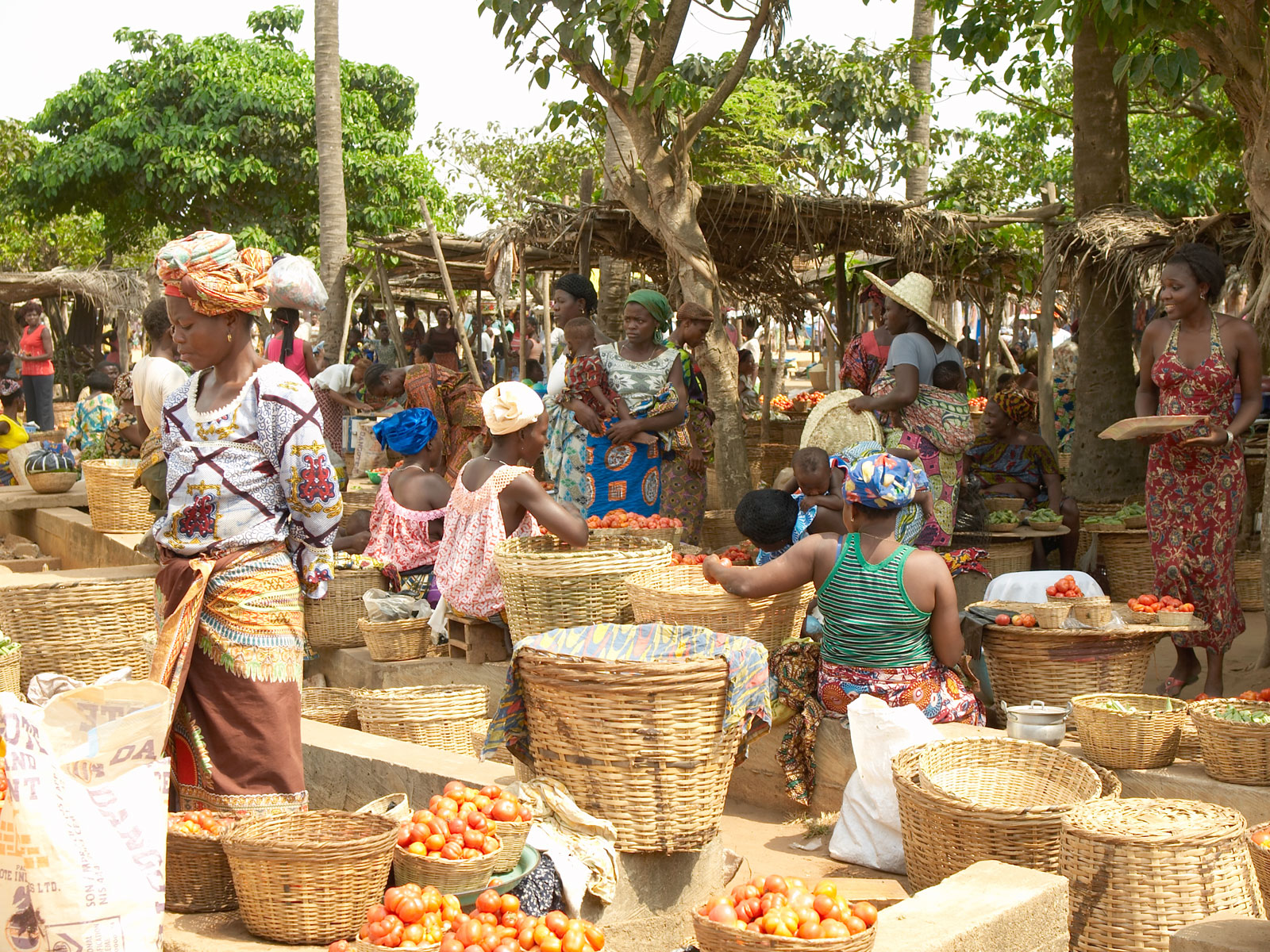
|
||||||||||||||||||||||||||||
|
Saturday 4th September |
||||||||||||||||||||||||||||
|
Just one table today, the latest from Johns Hopkins University of Covid statistics to date in 184 countries, showing total confirmed cases, total deaths, death-to-case ratio and deaths per 100k - sorted by number of cases, highest to lowest.
The cumulative worldwide totals are 219,061,262 cases and 4,541,398 deaths. No interpretation, it's there to browse. Just for once, there's no click-to-enlarge; it doesn't work with such a long list. 
|
||||||||||||||||||||||||||||
|
Friday 3rd September |
||||||||||||||||||||||||||||
|
Roadtrip latest. Now I really do have a dose of "wish you were here", or rather "wish I was there". WhatsApp - it has replaced the postcard, hasn't it? - message last night from Ben in the Hérault département of the Occitanie region of southern France, 50 miles west of the Camargue:
"Oyster beds of Bouzigues on the Bassin de Thau. €6 a kilo, but Soph doesn't eat them. Dunno if I can do it alone. Dad, you better drive down." 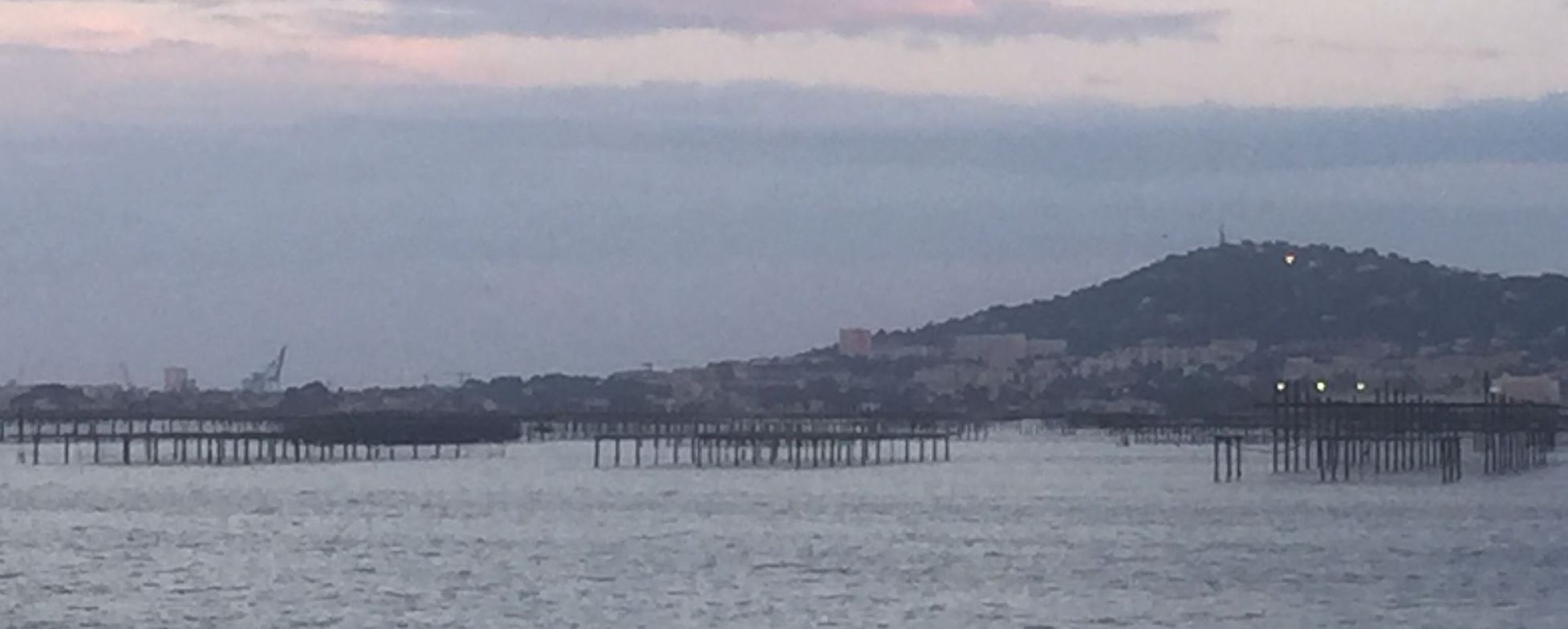
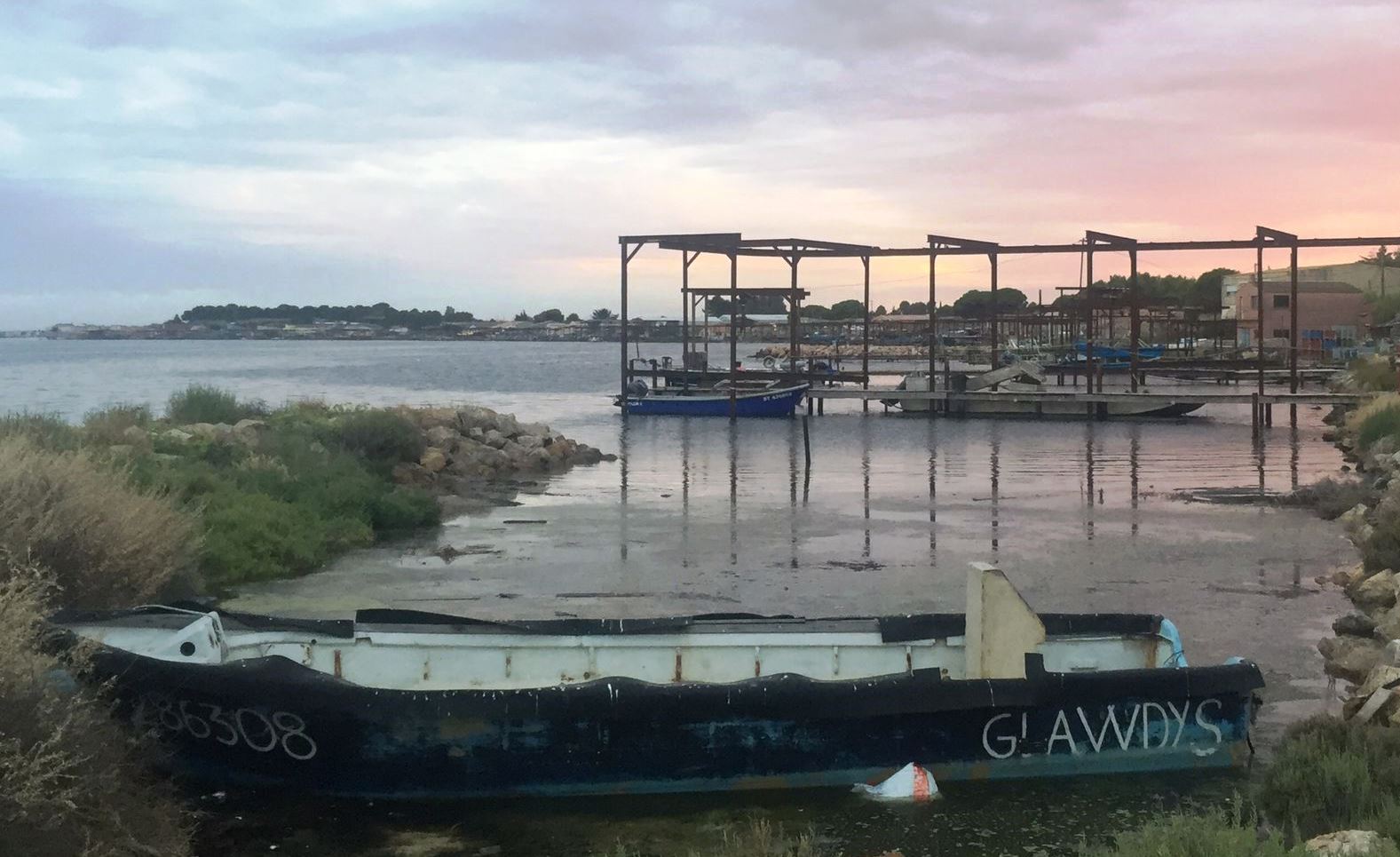
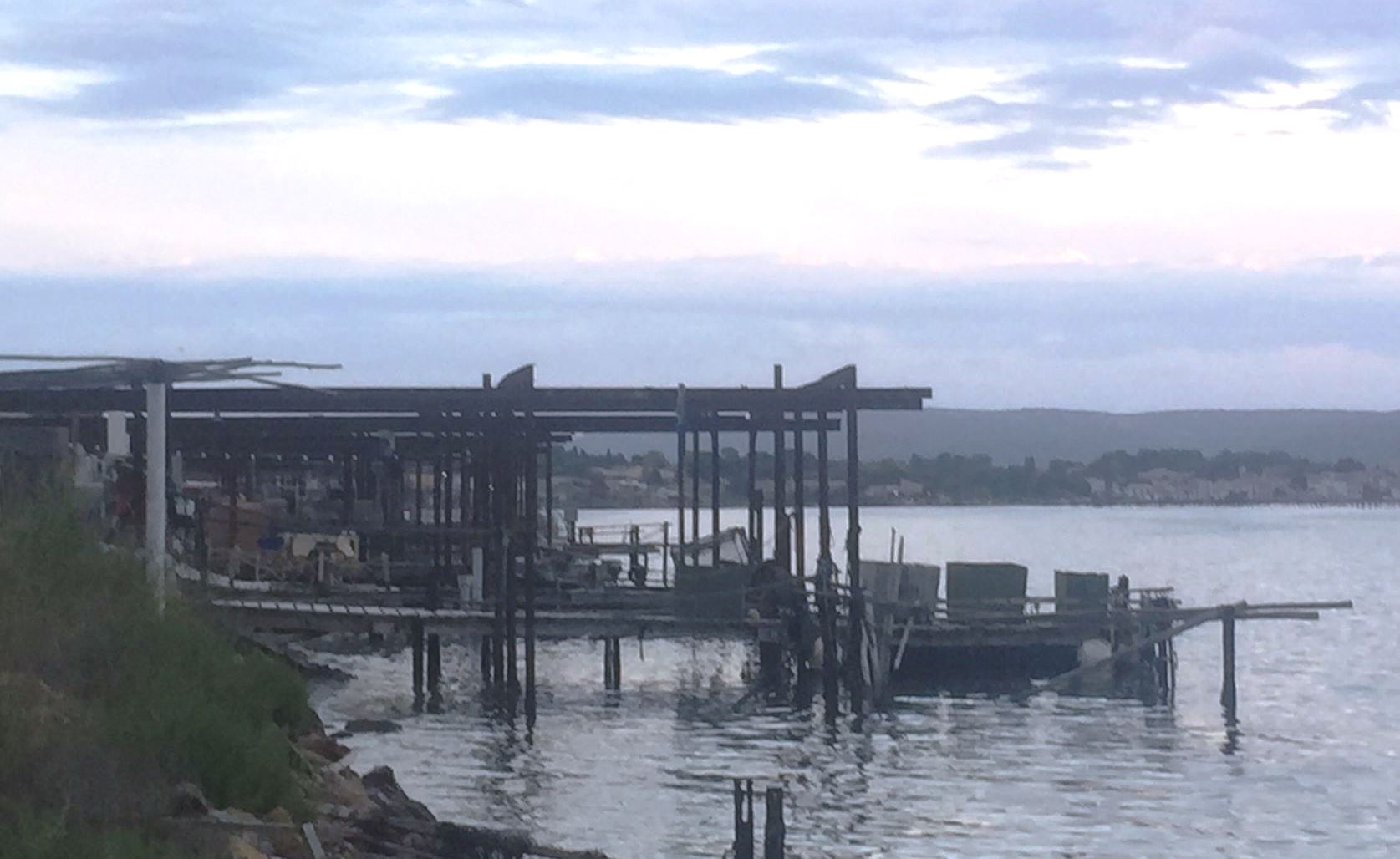
Just so you know: "Eighteen varieties of shellfish are taken from the Bassin de Thau - the most important being oysters. 750 producers farm 2,750 oyster tables and harvest some 13,000 tonnes annually. This provides for about 8.5% of France's consumption." Also, Bouzigues is called Bosigas in Occitan, which in turn is also known as lenga d'òc. | ||||||||||||||||||||||||||||
|
Thursday 2nd September |
||||||||||||||||||||||||||||
|
A Ligurian WhatsApp update from Ben:
"We went on a walk to Portofino today. Stunningly beautiful, very touristy and stinking rich. Made me think of 'The Wolf of Wall Street'. Amazing, but I think I preferred Friuli. Didn't even dare to have a coffee!" I replied: "Ben, you preferred Friuli? That's my boy!" His answer: "Liguria has all the Italian stereotypes: beautiful coastline, crazy scooters, Mediterranean food, and I want to come back many more times, but what we've seen seems a little spoilt by the wealth and pretence. Friuli was maybe a little quieter - less 'Italian' - but, in its own way, just as beautiful and a lot more real." 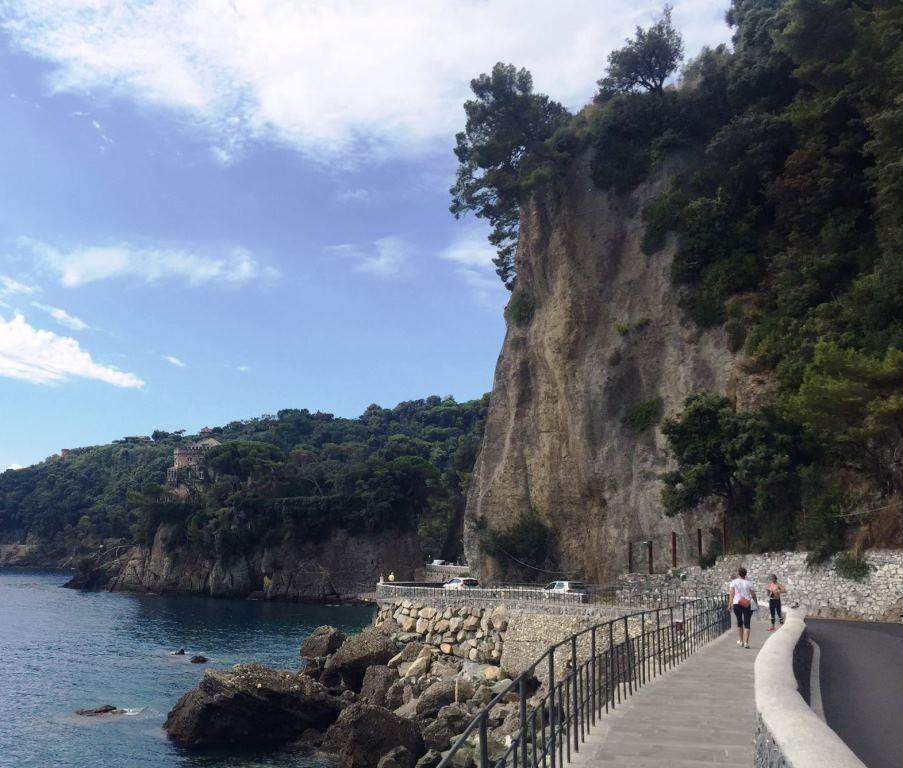
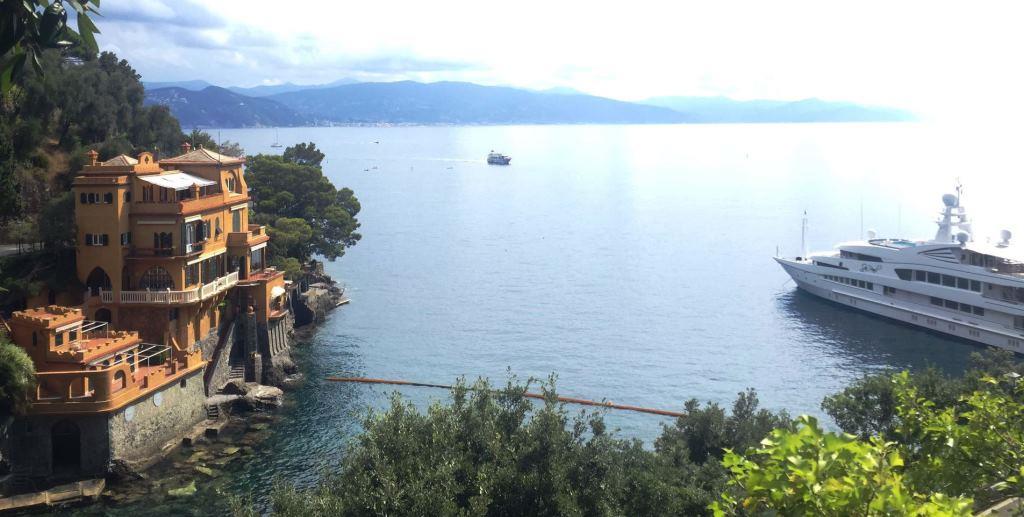
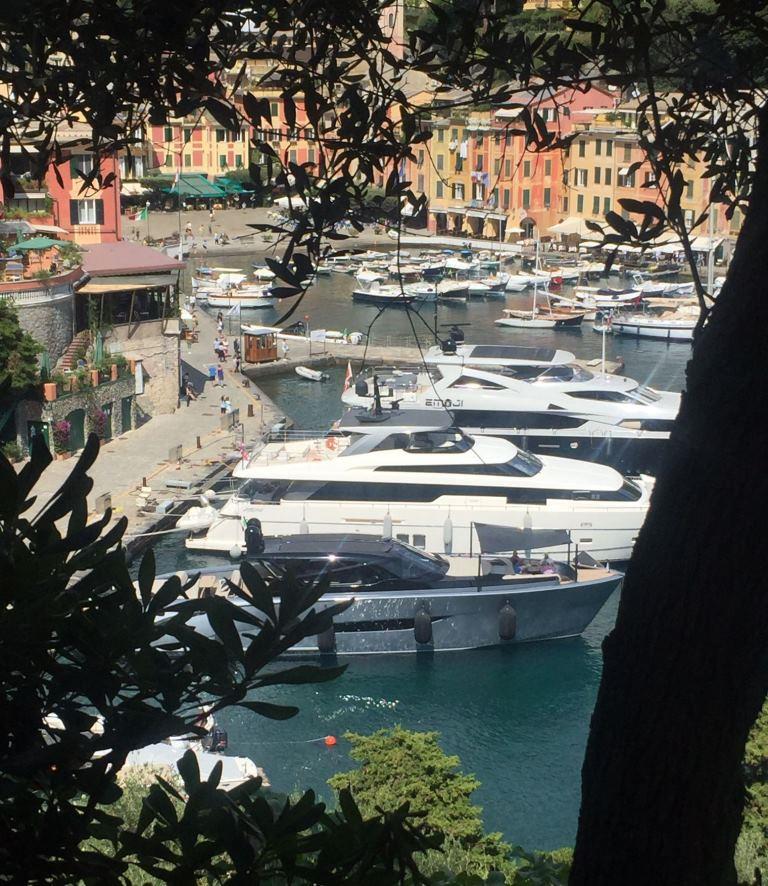
They're not the only ones to have broken free of Covid travel restrictions. My friends Ian and Ali are at their flat in Algajola, a delightful commune in northern Corsica, on the Balagne coast between Calvi and Ile Rousse. My family has been the beneficiary of their generosity for at least six visits and we consider ourselves founders of the "Friends of Algajola" appreciation society. Ian told me yesterday that the air and sea temperature were the same, at 25℃. Perfect. And no problems with social distancing as the town empties of the traditional French August holidaymakers. 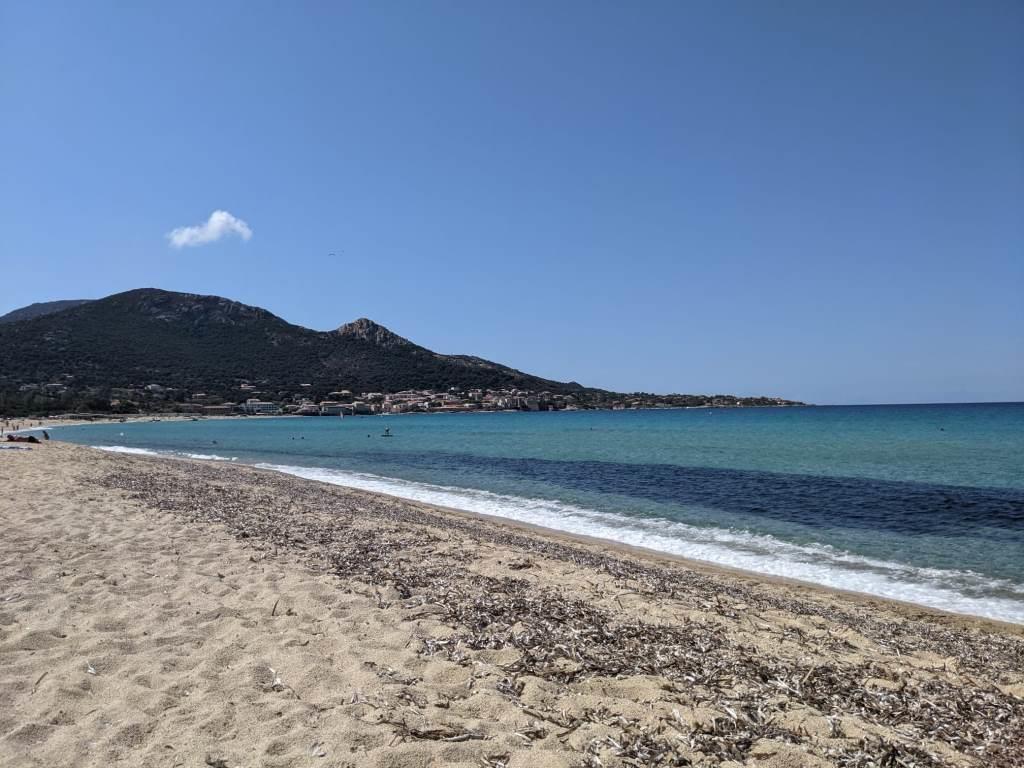
Back to Covid and the UK. Here's the latest update from the Office for National Statistics (ONS). As ever, click on the graphs, a mix of England and UK results, to enlarge. First, the percentage of the population testing positive in England for the week ending 20 August: Here are the percentages for all the countries of the Union, in descending order of gravity: Northern Ireland - 2.36% (1 in 40 people); England - 1.39% (1 in 70); Wales - 0.83% (1 in 120); Scotland - 0.70% (1 in 140). The daily (rolling 7-day average) case statistics yesterday for the UK from the Financial Times/Johns Hopkins reports were 33,754 (raw figures) and 50.5 (per 100k). 56% of the levels at last January's peak. Reduced, but "not out of the woods". Then we have the "learn to live with it" graphs that demonstrate the weakened link between cases and deaths/hospitalisation: Next, the relatively new measurement of antibody levels, whether from vaccination or previous infection. The ONS has a breakdown of the above by age range. I've picked two out of the full series, the first showing the youngest age group, the second mine - the "just-retired". They're preceded by the legend to explain the three lines (in short: green = antibody positive; light blue = 1 vaccine dose; dark blue = fully-vaccinated; shading = 95% credible interval): Finally, the vaccination programme: Yesterday's Our World in Data record of vaccinations for the whole of the UK shows lower figures: 71% one dose and 63% two. |
||||||||||||||||||||||||||||
|
Wednesday 1st September |
||||||||||||||||||||||||||||
|
We have witnessed over the last two weeks since the Taliban takeover the havoc of withdrawal or escape from Afghanistan of western military forces, at-risk foreign residents and fearful, threatened Afghan nationals.
It has prompted me to look at the geography of the region to reflect more fully on the context of events, their place among world political challenges. Here's a map highlighting - not for any specific reason, just because it's the best map I could find - (mostly) Muslim countries in the Middle East (and North Africa). Click to enlarge. 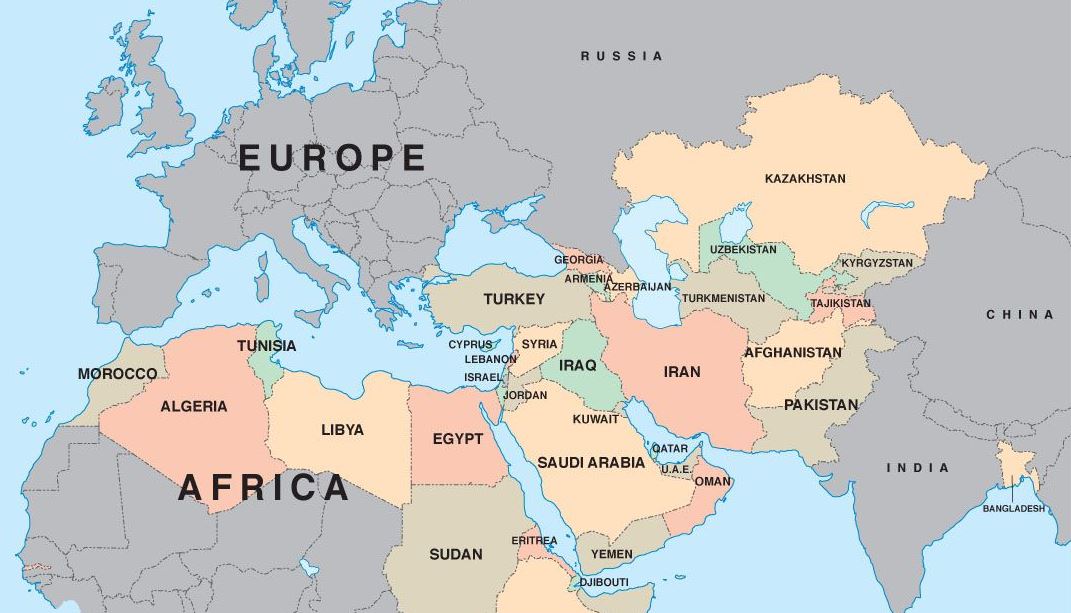
It seems evident to me that the tragedy and impact of the fall of Kabul is the latest in a long line of western misadventures in the Middle East. Pick many of the illustrated countries and you can find a history of entanglements that frequently have not worked out well, whether for the outsiders (that's us) or the locals - often both. Here's a selection of involvements that spring to mind: 'The Holy Land' - Crusades 1095-1291; Turkey - Ottoman Empire expansion into eastern Europe, the Crimean War 1853-56; Israel/Palestine - Balfour Declaration 1917, Mandate for Palestine 1920; Egypt - Suez Canal crisis 1956, joint invasion by the UK, France and Israel; Iran - US Embassy hostage crisis 1979-81; Iraq - Gulf War 1991, Iraq War 2003-2011; Syria: civil war 2011-. What has been the motivation for the west's engagement? How much of it has been altruism? The old terms "national interest" or "British interests" are closer to the mark. Commercial gain was at the heart of the British Empire. "Gunboat diplomacy" was a key tool of nineteenth-century foreign policy. For the USA, 9/11 triggered action against a terrorist threat to its borders. Then there's "black gold" - oil. There's a gulf (no Arabian pun intended) in understanding and empathy. Look at Europe sitting pretty to the north-west. A neat huddle of prosperous states (most of them - but not the UK 😡 - united by a common political and economic agreement) rich in elegant architecture, classic authors and composers, exalted cuisines, film festivals in Cannes and Venice, cruise ships slipping down the Danube, fashion shows in Milan, Alpine ski resorts - and I'm really not seeking to diminish cultures other than our own. 39% of members of the European Parliament are women. The USA is off the map across the Atlantic, a country that although colonised by immigrants struggles to comprehend Europe, let alone anywhere further east. Let's not forget that Donald Trump was elected by 57% of the nation (in terms of electoral colleges, not the popular vote) in 2016. It's not easy for a westerner to embrace the complexities of the Middle East. Who on our shores understands the Taliban? Finally, the map shows three large, populous and powerful countries to the north, east and south: Russia, China and India. Where do they fit into the picture? |
||||||||||||||||||||||||||||
|
Tuesday 31st August |
||||||||||||||||||||||||||||
|
Expressions of concern from WHO European Regional Director Hans Kluge yesterday.
"We now have 64 million confirmed cases and 1.3 million deaths. Thirty-three Member States report a greater than 10% increase in 14-day case incidence. This high transmission is deeply worrying - particularly in the light of low vaccination uptake in priority populations in a number of countries. "Several countries are starting to observe an increased burden on hospitals and more deaths. Last week, there was an 11% increase in the number of deaths in the Region - with one reliable projection expecting 236 000 deaths in Europe by 1 December. "Three factors account for this increase. The first is the more transmissible Delta variant, now reported in 50 countries in the Region. The second factor is the easing of public health measures, and the third is the seasonal surge in travel, driving significant growth in case numbers in most countries. We are seeing a particularly steep increase in cases in the Balkans, the Caucasus and the central Asian republics." It seems that my post 10 days ago about Kosovo - OK, ignore all the "mappy flag" indulgence - and its neighbours wasn't so off-target👇. Not to mention doubts about social restriction easing and tourist crowd mayhem. Kluge is unequivocal about the importance of vaccination and emphatically opposed to anti-vax sentiments. "In the past 6 weeks, vaccination uptake in the Region has slowed down, influenced by a lack of access to vaccines in some countries and a lack of vaccine acceptance in others. As of today, only 6% of people in lower- and lower-middle-income countries in our Region have completed a full vaccination. "There is a clear need to increase production, share doses and improve the vaccine access of Member States so that they may offer a full series of vaccination to populations. Everyone, everywhere should have the right to receive the full course. "Vaccination is a right, but it is also a responsibility. The stagnation in vaccine uptake in our Region is of serious concern. Now that public health and social measures are being relaxed in many countries, the public's vaccination acceptance is crucial if we are to avoid greater transmission, more severe disease, an increase in deaths and a bigger risk that new variants of concern will emerge. "Vaccine scepticism and science denial are holding us back from stabilizing this crisis. It serves no purpose, and is good for no one." Here's the full text of his statement (3 pages): Here's the video presentation (7.5 minutes): It was decidedly chilly here yesterday. I note Kluge's introductory remark: "Welcome everyone after the summer." Oh dear. |
||||||||||||||||||||||||||||
|
Monday 30th August |
||||||||||||||||||||||||||||
|
I said 10 days ago that I would not go on about Jacinda Ardern. Sorry, I've got to break my promise. In my defence, the lapse is in the interest of balanced reporting.
While I - and many others - have expressed admiration, there have been contrary views published in the last two weeks following the most recent New Zealand lockdown, unsurprising given the political inclination of the sources. I've not seen them until now. As a dyed-in-the-wool Guardian reader, I have hitherto relied on the newspaper rack in the Waitrose café for alternative views. The café has only recently re-opened after pandemic closure, but I've now given up coffee. It took a Google digression to catch up with the rags - and Tweeters I wouldn't normally follow. Dan Wootton - whose journalistic homes have included The Sun, the News of the World, MailOnline and GB News - tweeted: Matthew Lesh wrote a scathing piece in the Daily Telegraph titled "Poor Ardern, trapped in her arrogant zero Covid policy": "We now have vaccines. The ingenious jabs substantially reduce the risk of hospitalisation and death from the virus. They do not mean zero risk or, for that matter, zero cases. But they change the calculation: elimination becomes a costly strategy with very limited benefit. What's the point of lockdowns and maintaining closed borders for a virus that, with vaccines in the mix, no longer causes much harm to individual people? "New Zealand has not come to this realisation. It has fetishised 'zero risk' for the past 17 months and shown little interest in updating its strategy. "New Zealand's zero Covid strategy has had frightening consequences. A once-welcoming nation is turning into an isolated dystopia, where liberties are taken away in a heartbeat and outsiders are shunned. Living under the constant threat of disruptive and psychologically crushing lockdowns. Being closed off to the world, with citizens' ability to travel curtailed and foreigners largely prevented from entering. So much for the open, welcoming liberal nation projected by Ardern. "Ardern has shown little serious interest in protecting her people. New Zealand has fully vaccinated just one in five of its population, the second lowest in the OECD. It even shut down vaccination centres when it entered 'level 4' restrictions this week. Lockdown first, foremost and forever." The criticism of a slow vaccine roll-out is valid. See the Our World in Data chart below of fully-vaccinated percentages in selected countries/regions mentioned previously in this blog (click to enlarge). Not at the bottom, but low. You can't put New Zealand tardiness down to "vaccine inequality", as with Africa. It must be the result - indeed, failure? - of political leadership. As an aside, I hadn't realised that the UK's progress, while still on an upward trajectory, has flattened out since mid-April. One of Matthew Lesh's comments sticks out: "a virus that ... no longer causes much harm to individual people". Oh yeah? Tell that to the loved ones of the 1,260 daily losses in the USA. The road-trippers move on. Ben WhatsApp-ed late yesterday evening: |
||||||||||||||||||||||||||||
|
Saturday 28th August |
||||||||||||||||||||||||||||
The road-trippers have left Vienna, heading home to Bilbao. Last night they passed through Friuli again, camping at Peonis near the River Tagliamento (Tilimint in the Friulano language - or "par Furlan", I should say). As usual in August, low water.
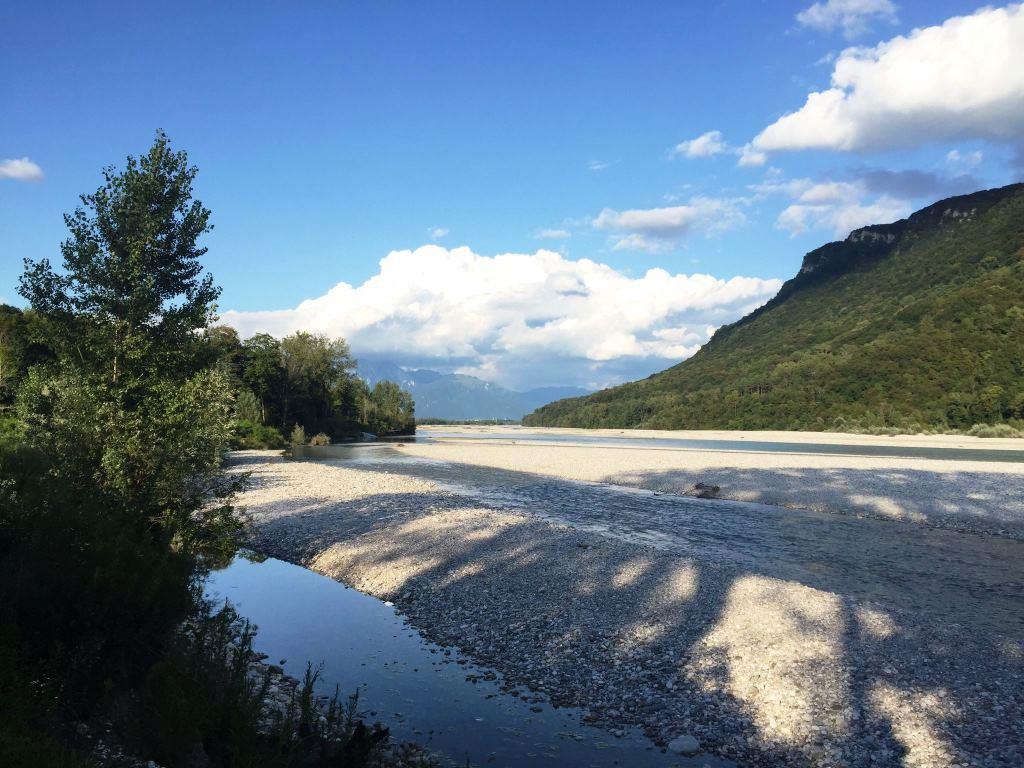
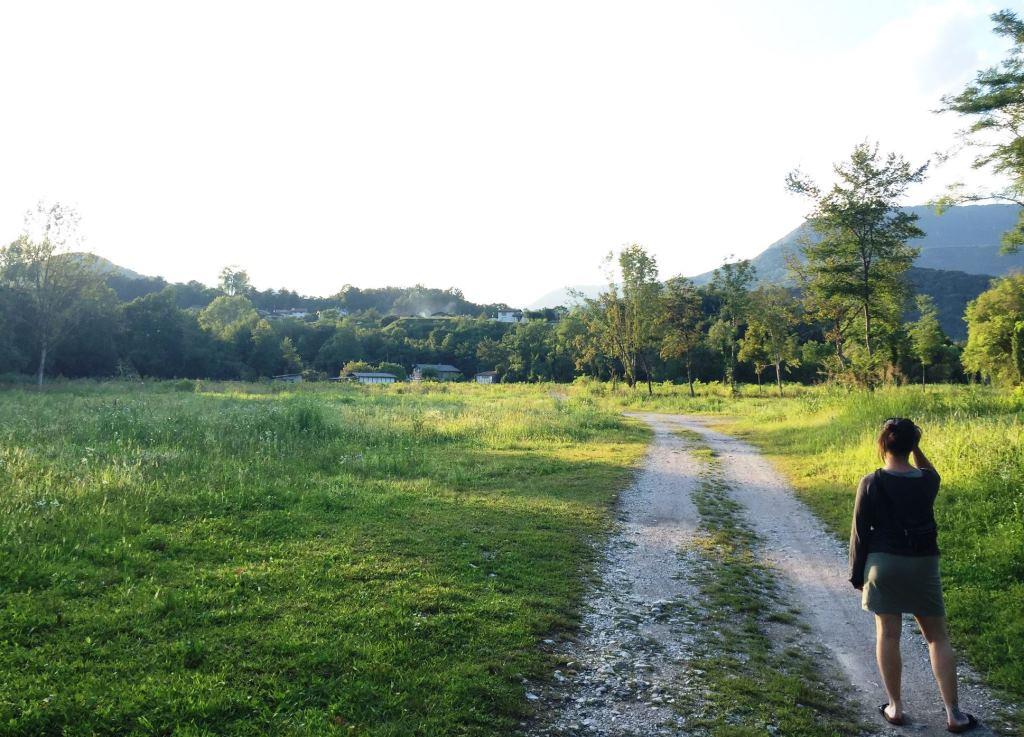
I'm still a little envious, but delighted too. The journey is a twin triumph over the privations of Covid and the madness of Brexit. No issues with social distancing, a four-country celebration of Europe. Next stop the Cinque Terre in Liguria. Hmmm, there could be a few more crowds there. 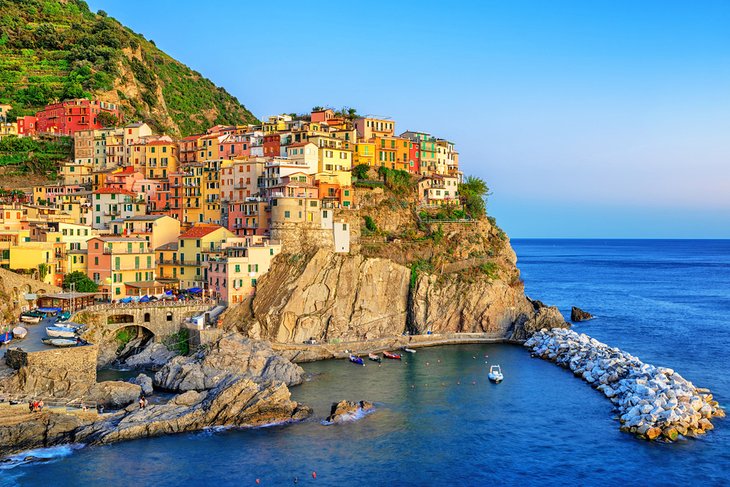
BBC Radio 4 Any Questions was at the Subscription Rooms in Stroud yesterday evening. The panellists were Justine Greening (Secretary of State for Education and Minister for Women and Equalities from 2016 to 2018, Conservative MP for Putney from 2005 to 2019, founder of The Social Mobility Pledge), Mark Harper (Conservative MP for Forest of Dean, Chair of the COVID Recovery Group), Dan Norris (Labour Mayor of the West of England) and Molly Scott-Cato (prominent Stroudie, Green Party Finance and Economy spokesperson). Topics included the withdrawal from Afghanistan, Covid vaccinations, Extinction Rebellion and the Black Boy clock (just down the road from us in Castle Street). If you missed the programme, here's the recording (48 minutes): |
||||||||||||||||||||||||||||
|
Friday 27th August |
||||||||||||||||||||||||||||
|
It was sad to read that BBC Radio Newcastle presenter Lisa Shaw died in May after a first dose of a Covid vaccine. The Newcastle coroner Karen Dilks stated: "Lisa died due to complications of an AstraZeneca Covid vaccination ... vaccine-induced thrombotic thrombocytopenia."
The Daily Mail printed this: 
There's a problem with this kind of coverage, isn't there? While we should mourn the loss of even one person, it doesn't help to reduce vaccine hesitancy - or outright refusal - in the readership. Fortunately, there are reports elsewhere to counteract the effect of the Mail's headline. The BBC has drawn attention to research published in the British Medical Journal. The BBC summarises the study findings: For every 10 million people vaccinated with the AstraZeneca vaccine (ChAdOx1 nCoV-19):
For every 10 million people vaccinated with the Pfizer vaccine (BNT162b2 mRNA):
The conclusion is oddly bland - but makes the point: "Increased risks of haematological and vascular events that led to hospital admission or death were observed for short time intervals after first doses of the ChAdOx1 nCoV-19 and BNT162b2 mRNA vaccines. The risks of most of these events were substantially higher and more prolonged after SARS-CoV-2 infection than after vaccination in the same population." Camping in Vienna. Nikko's daughter Ellie in the Ben-and-Soph roadtrip van: 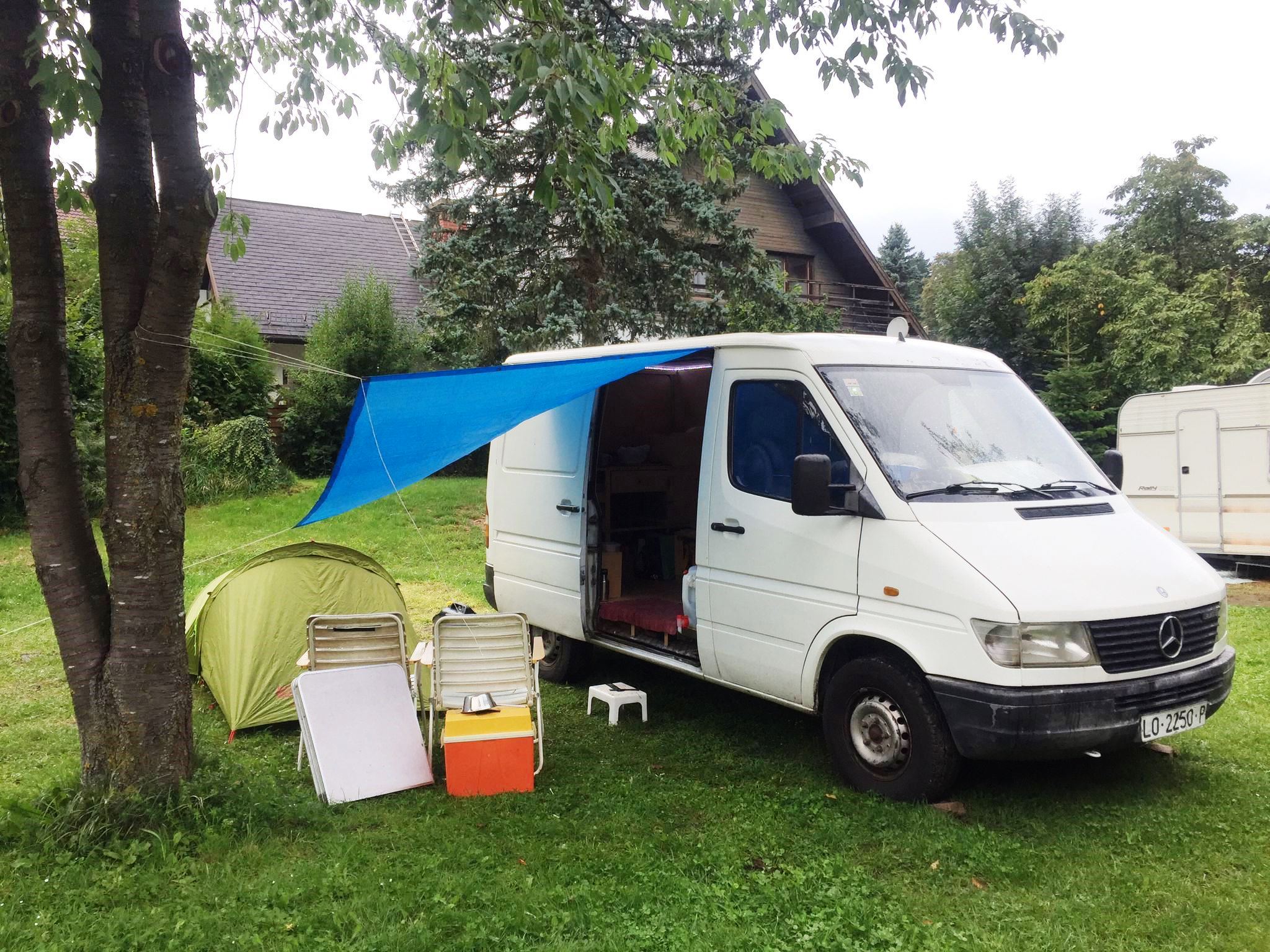
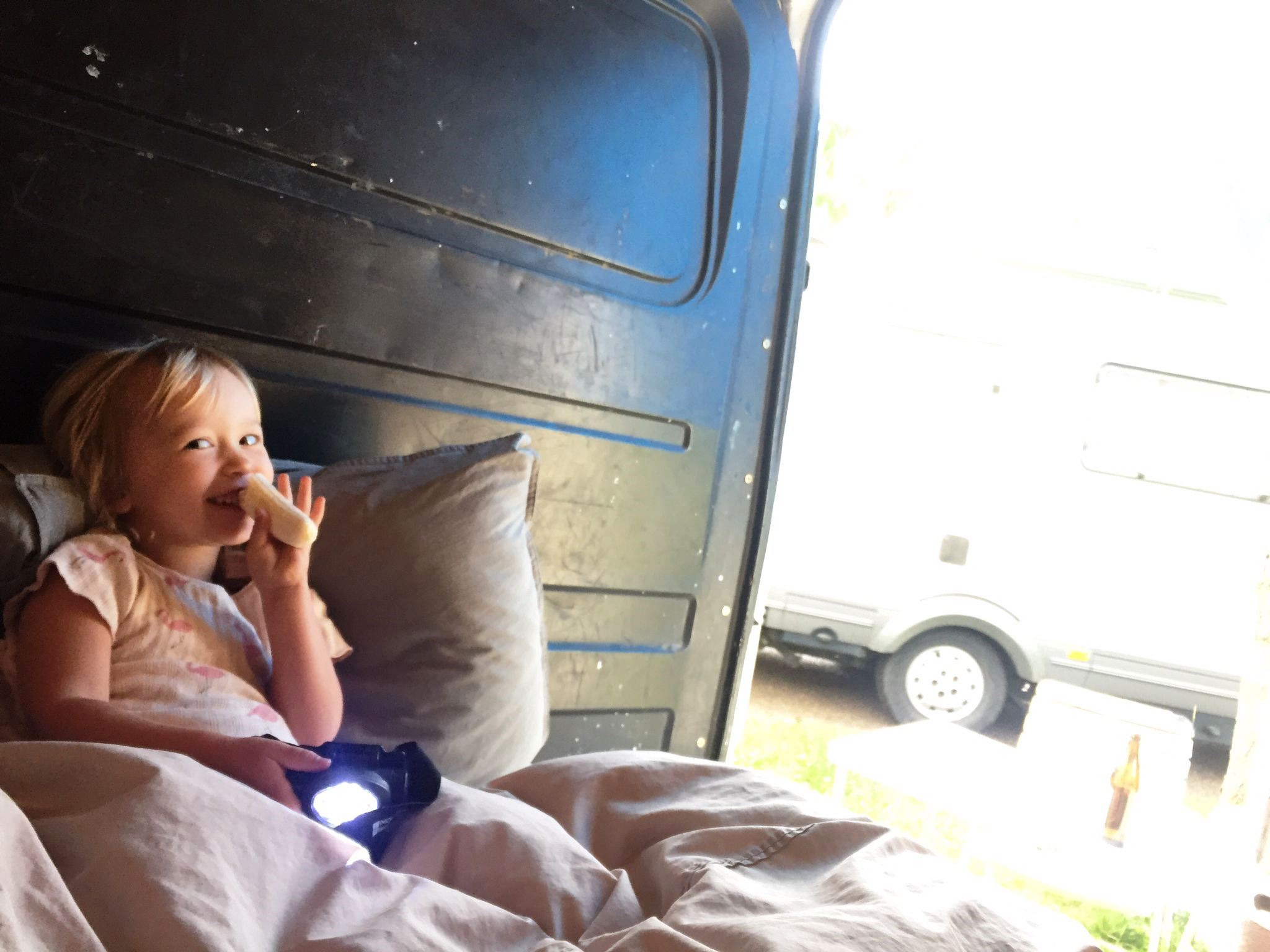
|
||||||||||||||||||||||||||||
|
Thursday 26th August |
||||||||||||||||||||||||||||
|
Sarah has booked her flight to Vienna at the end of September. After Austria relaxed its block on UK visitors 10 days ago, our sons WhatsApp-ed these messages: Nikko - "Please can you come to visit before this changes again😅"; Ben - "Everyone to Austria!"
Ben has made it. I hope Sarah does too. But I'm concerned that Nikko's fear could easily come to pass. UK cases have gone up by 20% in the last two weeks, 30% in the last month. Why would Austria continue to allow UK visitors, even double-jabbed, when the numbers look like this (click to enlarge)? OK, Austria shows a more pronounced increase in the per-100k view, but still way below the UK. There's "learn to live with it". Then there's "live without taking any notice whatsoever". Look at visitors in Cornwall: 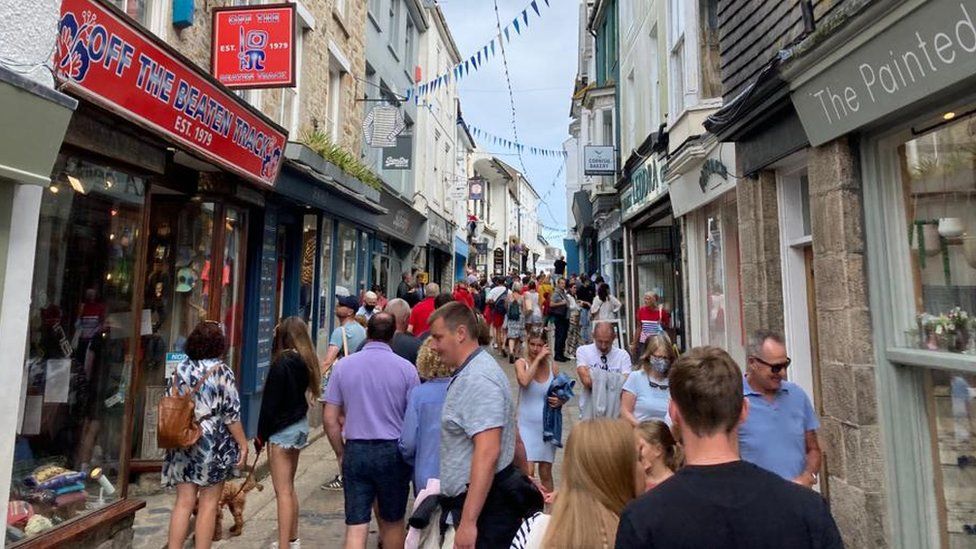
Look at a Bournemouth beach: 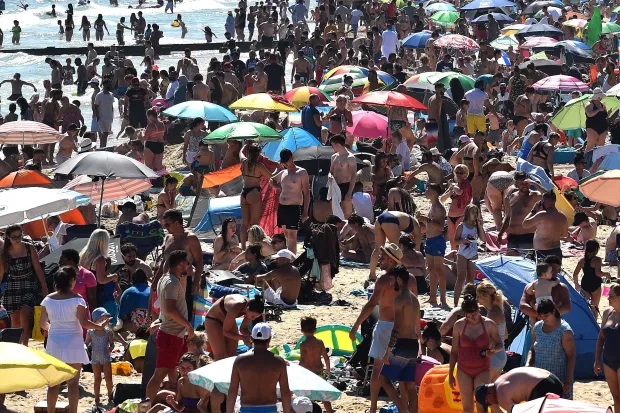
I can see two masks in the first picture, none in the second. They may be outside, but with such proximity? The latest figures from Cornwall (click to enlarge) are: Nearly two-and-a-half times the England average. No wonder that Malcolm Bell, head of Visit Cornwall, is calling on visitors to take care. "We are asking people not to come unless they have booked ahead and request they take a lateral flow test before, during and after their stay so that people can be safe and help us to manage the current spike." The local population (I assume the percentages apply to them) is well on the way to full vaccination. The case surge - abetted by the extra transmissibility of the Delta variant - must be caused by the non-resident influx of unvaccinated and/or careless holiday-makers, enjoying post-Freedom-Day liberty. Particularly the younger age groups. 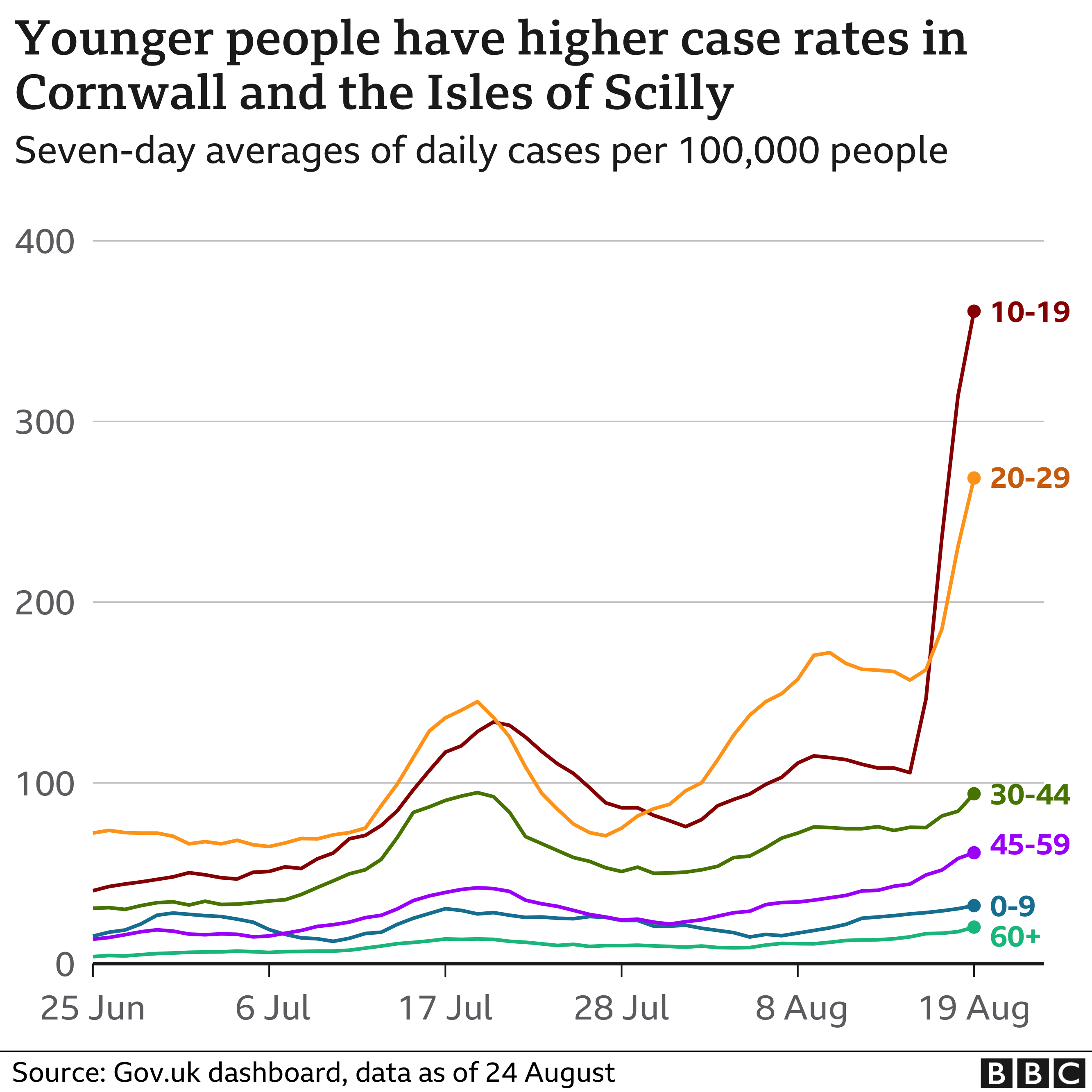
The "open up for business and trust to vaccines" versus "lockdown for zero cases" debate is a long way from yielding a winner. The argument for the former is supported by the reduced number of deaths, which were 12 times higher back in January. The difference is ascribed to the vaccination programme. 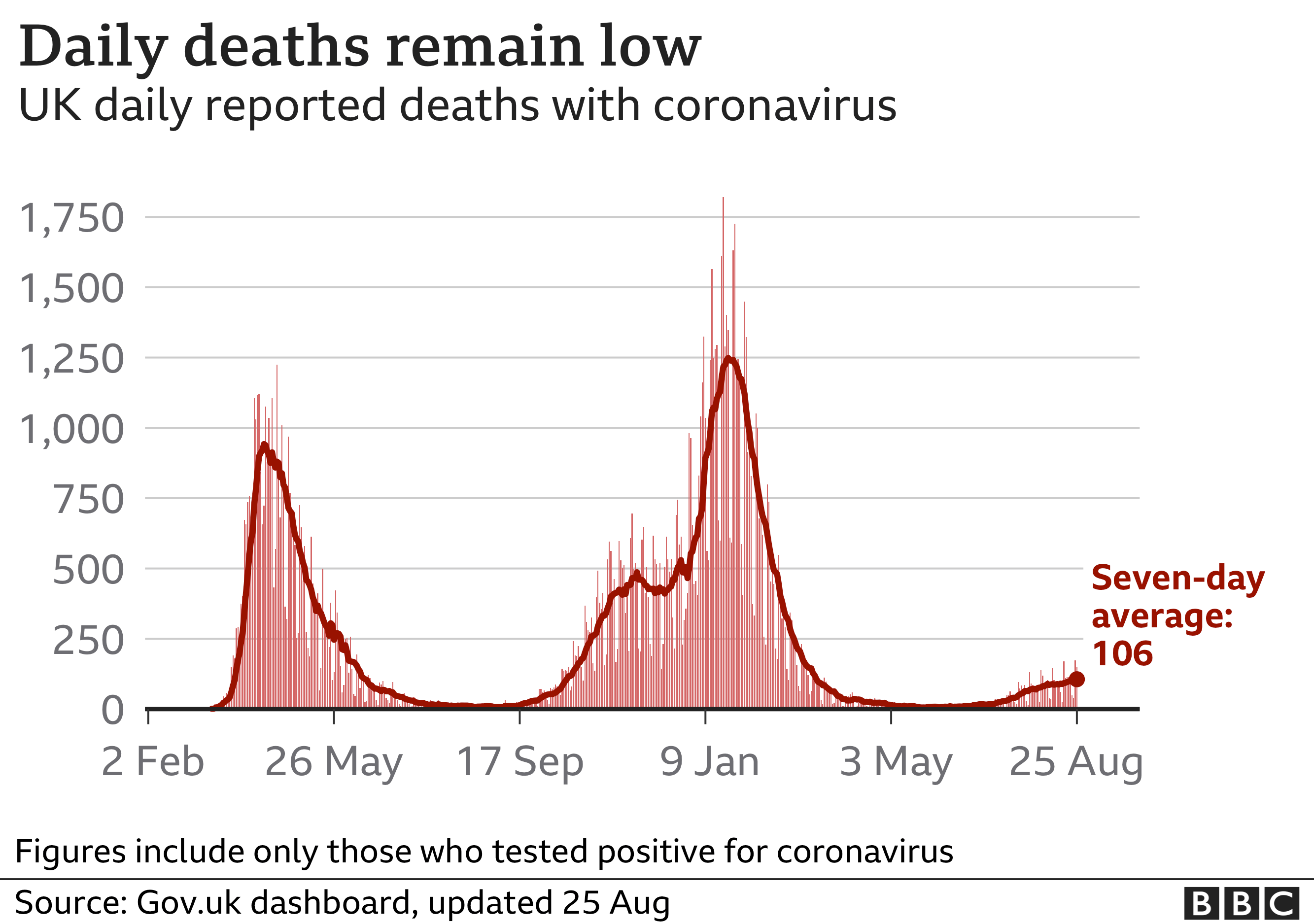
Is that the shift in emphasis we should accept? Look at deaths not cases. I'm not yet comfortable with such a switch. Meanwhile, in Austria the road-trippers have been in the Vienna vineyards under a cloudless sky. 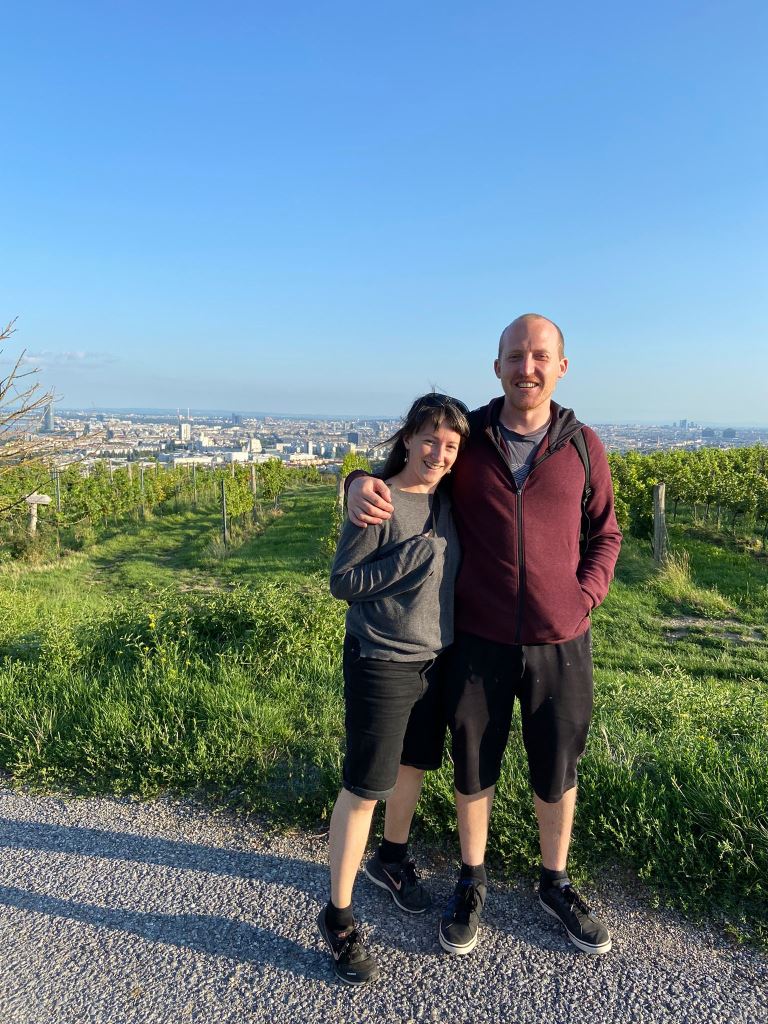
|
||||||||||||||||||||||||||||
|
Wednesday 25th August |
||||||||||||||||||||||||||||
The road-trippers have reached their destination. Son Ben WhatsApp-ed yesterday: "Got to Vienna last night. Time for a sausage." Re-united with brother Nikko and his daughter Ellie.
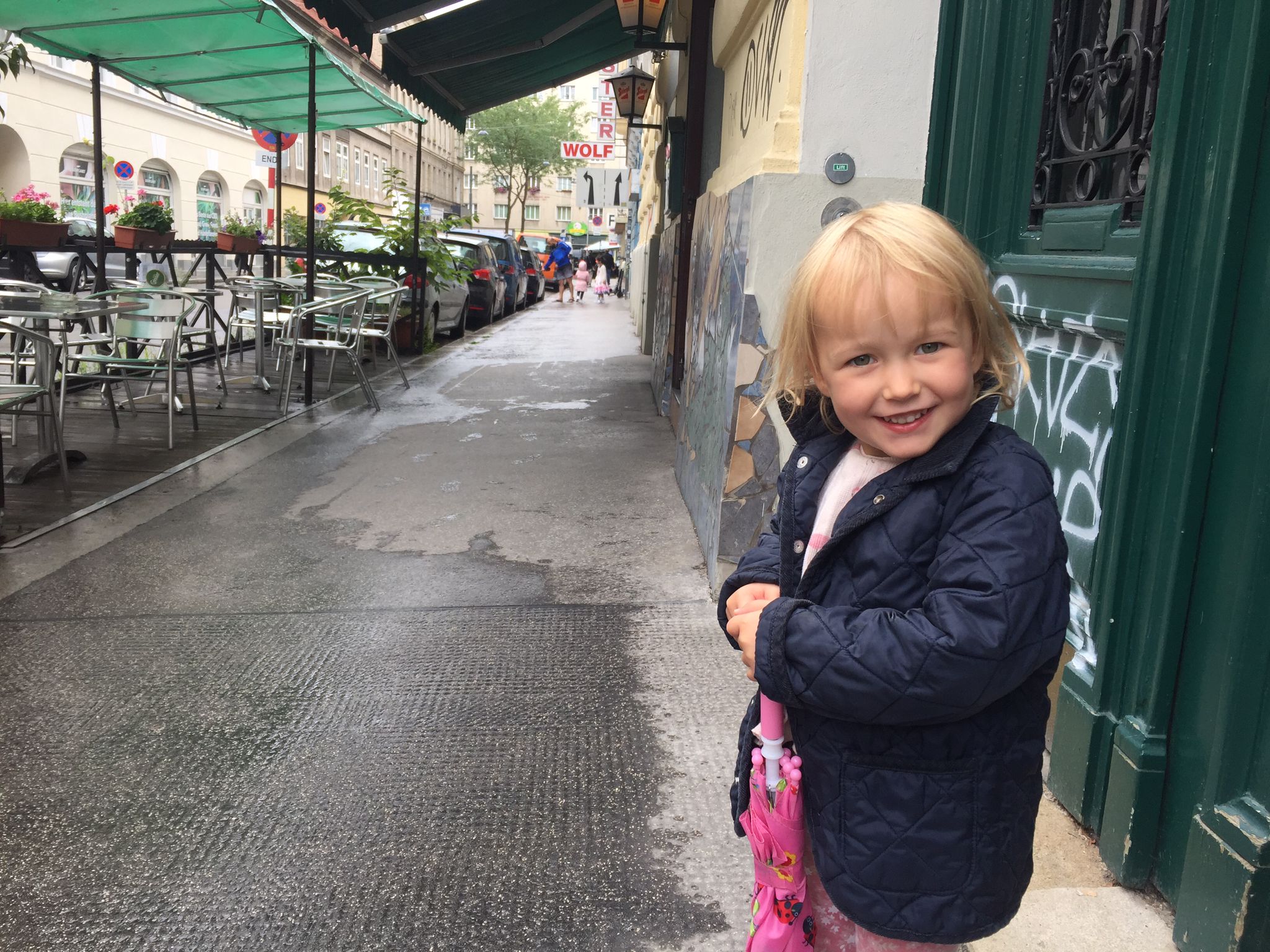
1,500 miles with detours, all Covid travel obstacles in four countries surmounted. We're two weeks away from our rather less ambitious visit to north Wales. I mentioned 10 days ago that I was booking up treats in advance. I've changed my mind about the Snowdon Mountain Railway. Why? You don't get the full experience this year. The little train is only making a ¾-length trip this year to Clogwyn Station, short of the summit. The café is closed at the top. The steam locomotive is not being used, replaced by a diesel. For Covid reasons allegedly. How's that? Is the old engine suffering respiratory difficulties? Anyway, not the same chuff-chuff pleasure. 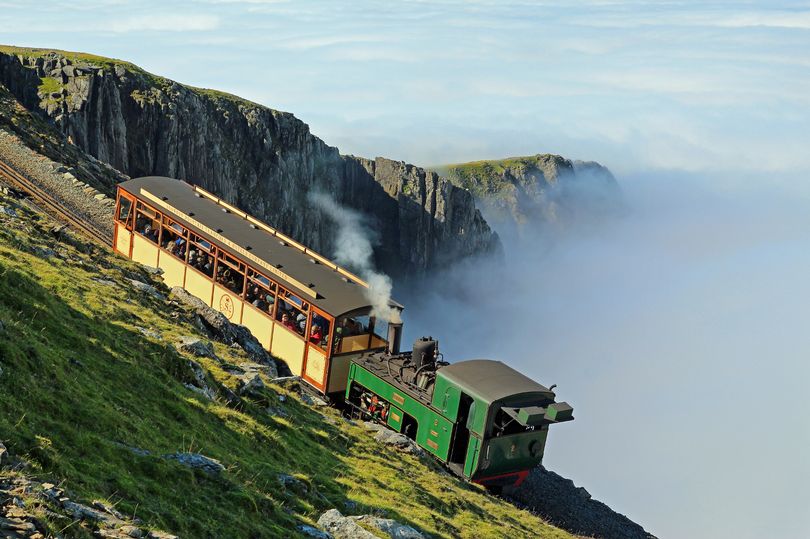
The staycation-visit-UK effect has swollen numbers on the mountain, 700,000 a year now compared with 500,000 in 2018. On occasion people have been queuing for 45 minutes to take selfies at the peak. 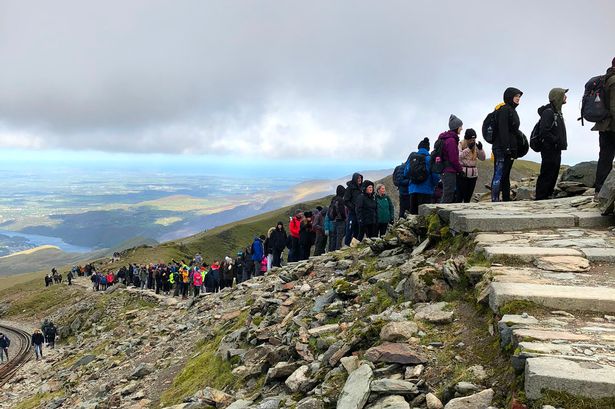
I checked the fares for the two of us. Only three-quarters of the way, remember. Wait for it ... £64. What? SIXTY-FOUR POUNDS? That's about £9 a mile for the round-trip. They're 'aving a larf, innit? I shall admire the mountain from afar. No crowd mayhem. Money in my wallet. It won't cost a penny to stroll on the Llandonna beach of my childhood. The first to go. The New York Times reported: "Mr. Watts, who had no taste for the life of a pop idol, was an unflashy but essential presence with the band. "Reserved, dignified and dapper, Mr. Watts was never as flamboyant, either onstage or off, as most of his rock-star peers, let alone the Stones' lead singer, Mick Jagger; he was content to be one of the finest rock drummers of his generation, playing with a jazz-inflected swing that made the band's titanic success possible. As the Stones guitarist Keith Richards said in his 2010 autobiography 'Life', 'Charlie Watts has always been the bed that I lie on musically.'" 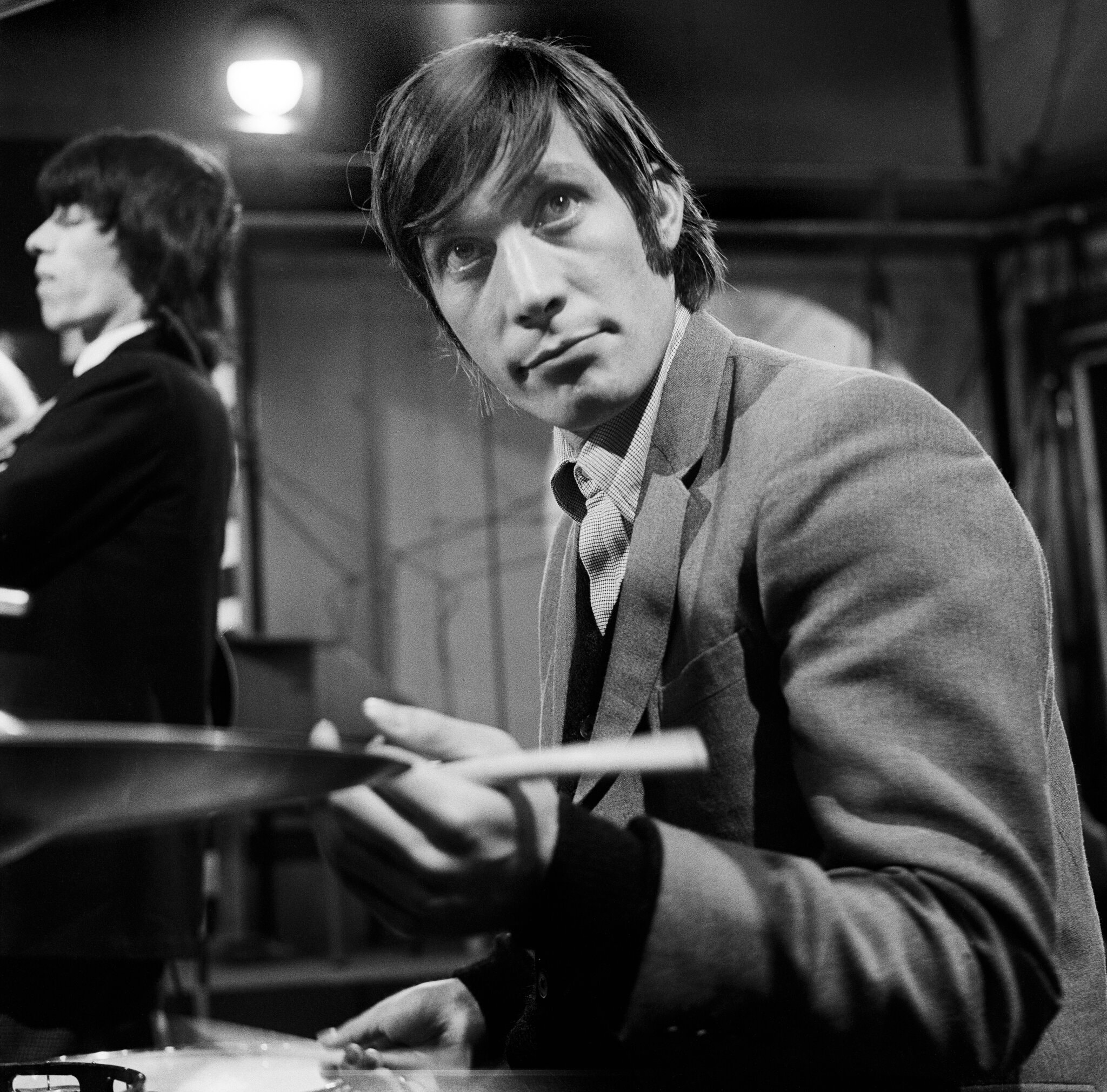
Joan Armatrading tweeted (click to enlarge): True. It's a shock to find out they're mortal. |
||||||||||||||||||||||||||||
|
Tuesday 24th August |
||||||||||||||||||||||||||||
|
Covid cases in Stroud in the week ending 19th August were 437. The per-100k number was 361, against an England average of 309. Here are the BBC charts - per-100k cases over the last year and breakdown by age 0-59 (green) and 60+ (purple):
Three months ago, at the height of the Blackburn-with-Darwen surge, I posted a spreadsheet (see 28th May 👉). At that time Stroud per-100k cases were 8. They're 45 times higher in the latest figures. OK, hospital admissions in the UK are less than half what they were a year ago, but I'm still alarmed, and even more inclined towards caution. The debate rumbles on between Boris's "learn-to-live-with-it" approach and zero-case strategies elsewhere: for example, in China, Singapore, Australia and New Zealand. We've seen those countries applying strict controls in the face of the Delta variant, but for how long? CNN reported yesterday: "Australia has been one of a number of countries, including China and New Zealand, which have attempted to completely eradicate Covid-19 inside their borders, and until recently the strategy had been largely successful. To date, Australia has seen just 44,026 confirmed Covid-19 cases and 981 deaths. "But several major Australian cities, including Sydney, Melbourne and the capital Canberra, are under lockdown as authorities struggle to contain an outbreak of the Covid-19 Delta variant. "On Saturday, thousands of Australians took to the streets of Melbourne and Sydney to protest against the long lockdowns, leading to hundreds of arrests. At least seven police officers were injured during violent clashes. "In his opinion piece published by news.com.au on Sunday, Prime Minister Scott Morrison said he recognized the 'heavy toll' that the strict coronavirus prevention measures had inflicted on Australian citizens and businesses, but said it was 'darkest before the dawn. [The lockdowns] are sadly necessary for now, and we will keep providing health and income support to get people through, but they won't be necessary for too much longer.' "Morrison said the Australian government intended to shift its focus from reducing case numbers to examining how many people were getting seriously ill from Covid-19 and requiring hospitalization. "'After all, this is how we manage all other infectious diseases,' the Australian leader said, adding the country's public health system was strong enough now to cope with an increase in coronavirus cases." |
||||||||||||||||||||||||||||
|
Monday 23rd August |
||||||||||||||||||||||||||||
|
For the first time since the start of the pandemic, I'm resentful of travel restrictions, specifically to Italy. Son Ben and partner Soph have just passed through my old 1970s stamping ground, Friuli. We had hoped to meet, but my short visit would have been spent in quarantine.
Last night, they stayed at Lago del Predil, a stone's throw from Slovenia. To get there they drove past Sella Nevea, where I used to ski. 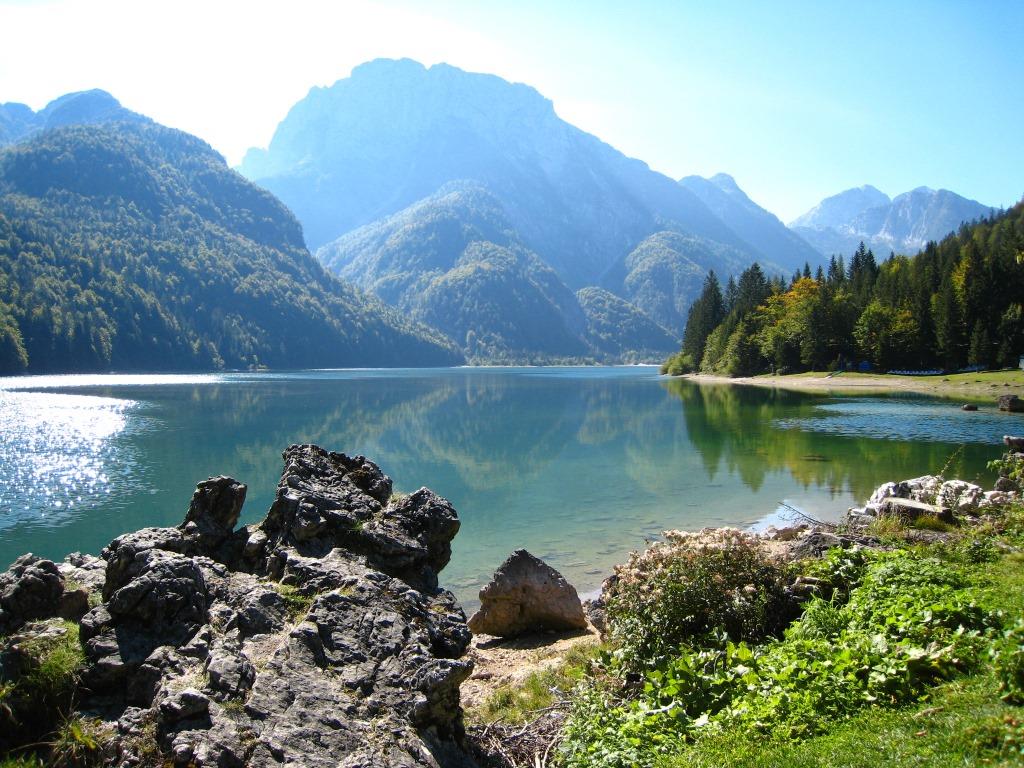
They've been in the central region of the 1976 Friuli earthquake. You can read my account of the terremoto here: The map below shows the epicentre of the 'quake. Towards the bottom-left you can see the lagoon of Venice, at the bottom-centre-right Trieste and the peninsula of Istria, mostly in Croatia. Lago del Predil is near the star symbol. The town of Gemona was the hardest-hit town with 325 fatalities and 2,607 injured. Like most of the area, it's been fully restored. Here's a picture of the Duomo, as it looked before and looks after restoration. In the second picture, Soph's in the little square in front. 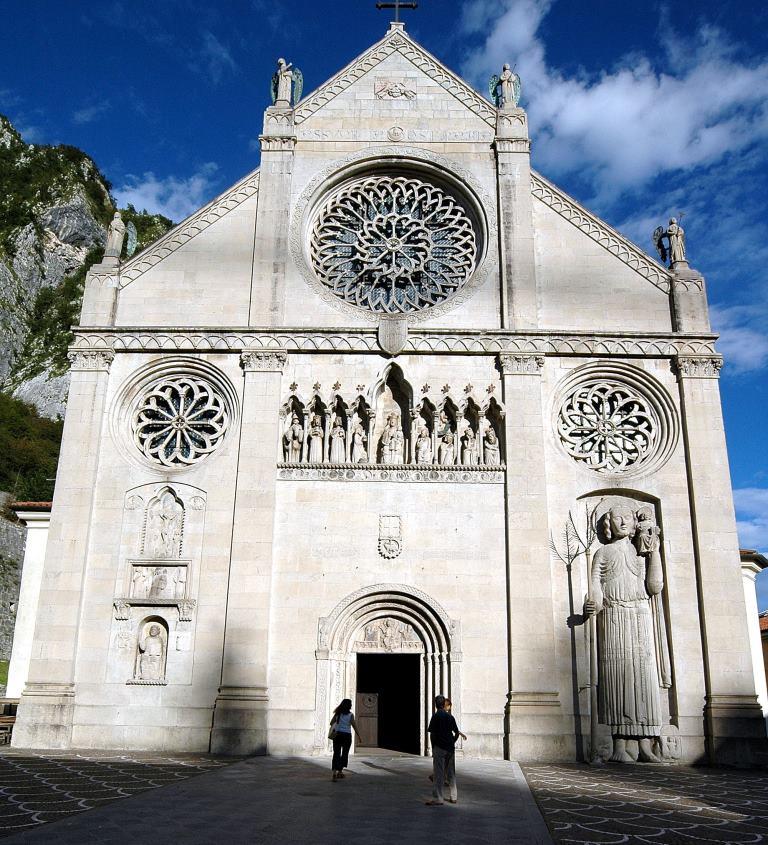
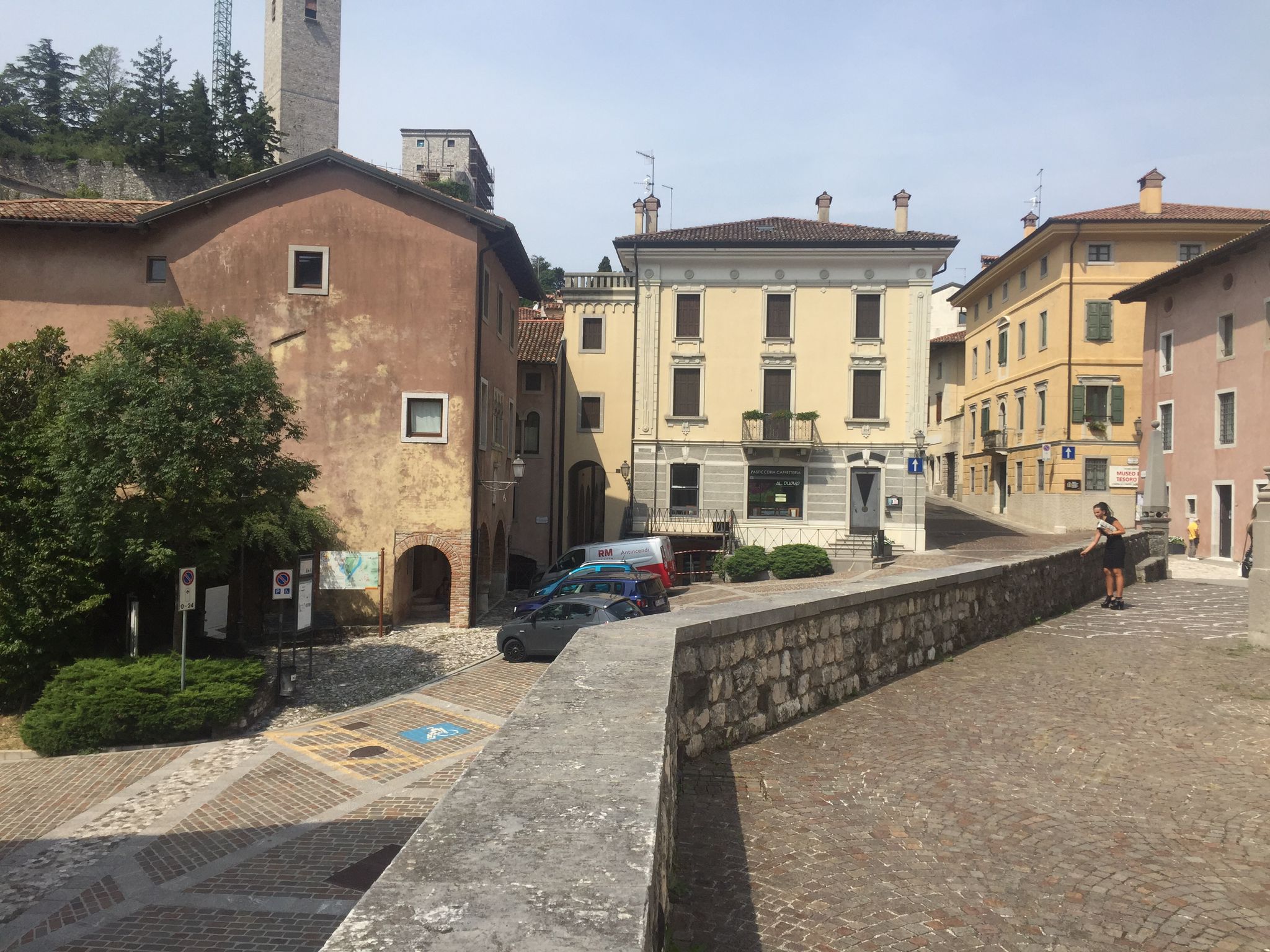
Here are a couple more of Ben's snapshots of Gemona. 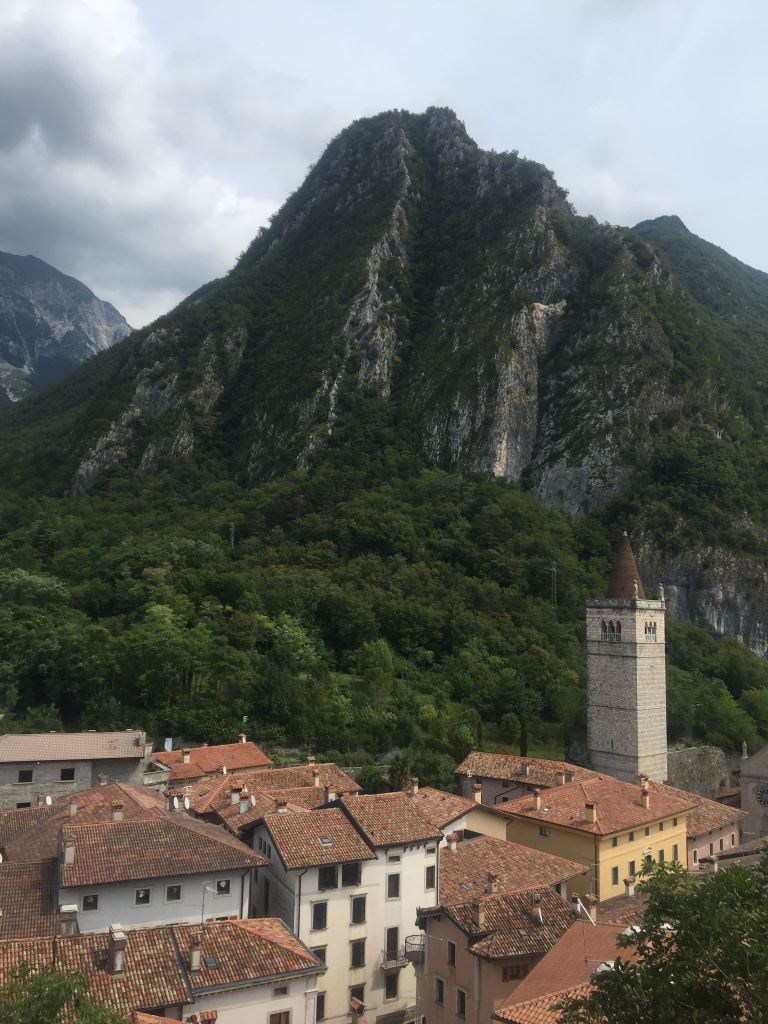
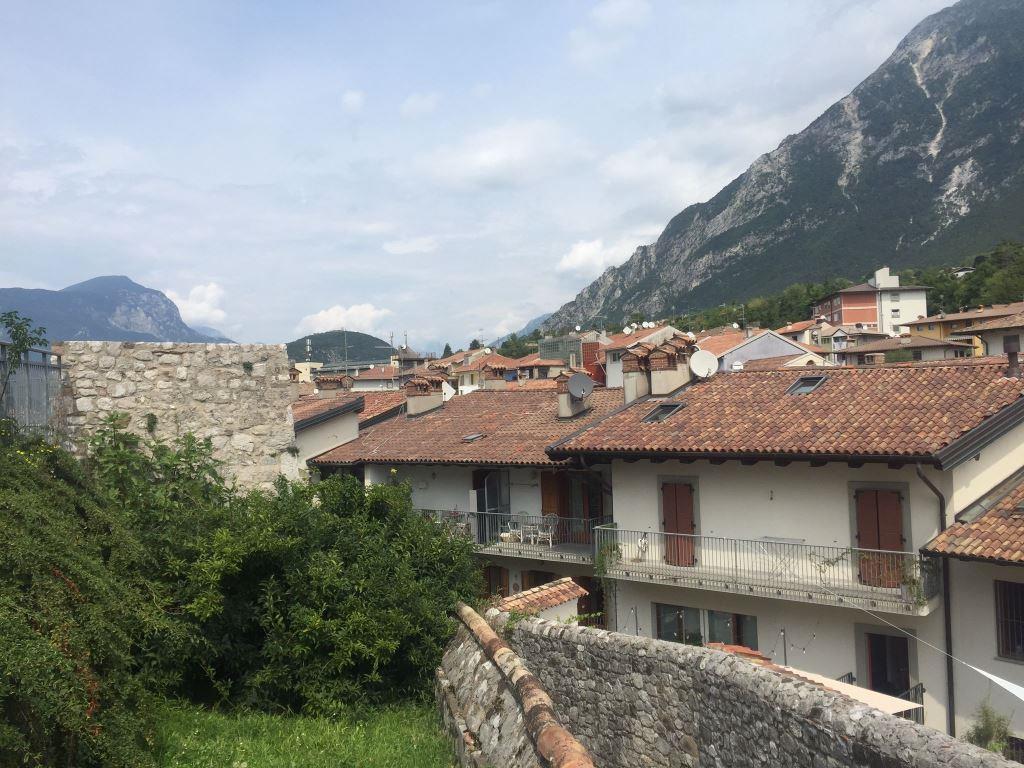
Those mountains behind, the town in the shadow of the Alpi Giulie. As Ben said yesterday during a 'phone call, he finds mountains both beautiful and threatening - I agree. Friulan folklore tells of the Orcolat, a monster locked underground in Carnia, the mountain region on the edge of which sits Gemona. People claim that it roared on the night of the earthquake. There is a report that the sound was accidentally captured by a lad from Udine who was transferring a Pink Floyd vinyl LP to cassette with a microphone. At 9pm on 6th May 1976 when the earthquake struck the track being played was "Shine On You Crazy Diamond". Here's the recording: Ben found plenty of photographic historical records of the earthquake in the town: 
In the aftermath of the event a group of us went up in a van to the zona terremotata to give what little help we could. There was a tent town constructed by American forces near Trasaghis. We took a family from there up to Gemona to collect some remaining possessions from the ruins of their house. I swear that one of the historical photos shows the exact dwelling. Of course, my imagination may be deluding me. 
45 years ago, eh? I'm sorry not to have shared a return visit with my son, but glad that he's had the experience. I'm delighted that the area has recovered. |
||||||||||||||||||||||||||||
|
Sunday 22nd August |
||||||||||||||||||||||||||||
|
Going seriously off-piste today. Well, it's Sunday.
Did you make a stab at yesterday's quiz question, countries that have their map on the national flag - other than Kosovo (see its flag here👉)? There's only one - Cyprus: 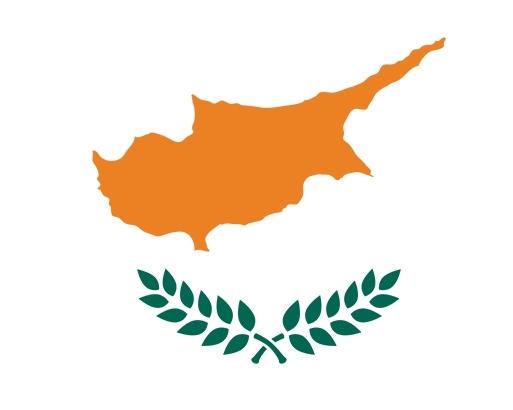
The flag was designed by art teacher Ismet Güney and came into use on 16th August 1960. It features the unifying shape of the whole island, with two olive branches below symbolising peace between the Greek and Turkish communities. Some think there's another - Antarctica: 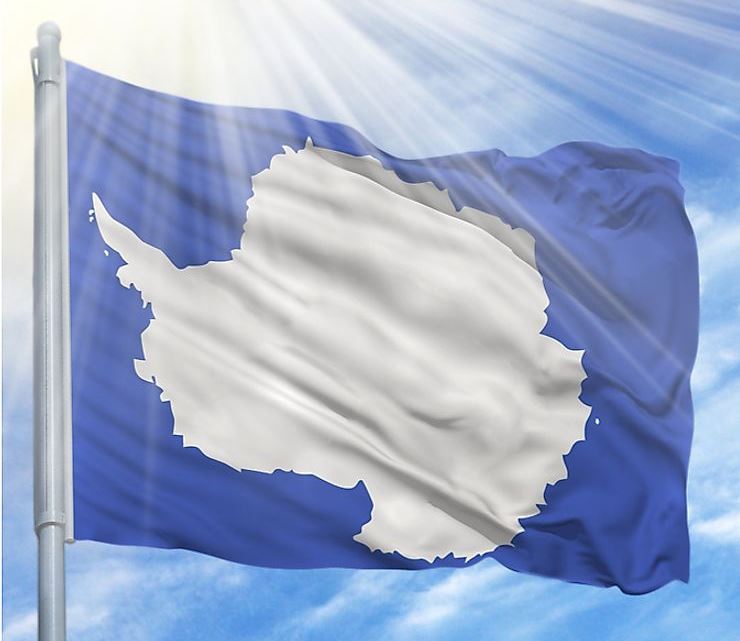
OK ... but Antarctica's a continent, isn't it? Antarctica is governed by the 54 parties to the Antarctic Treaty System (ATS). The ATS has its own flag: 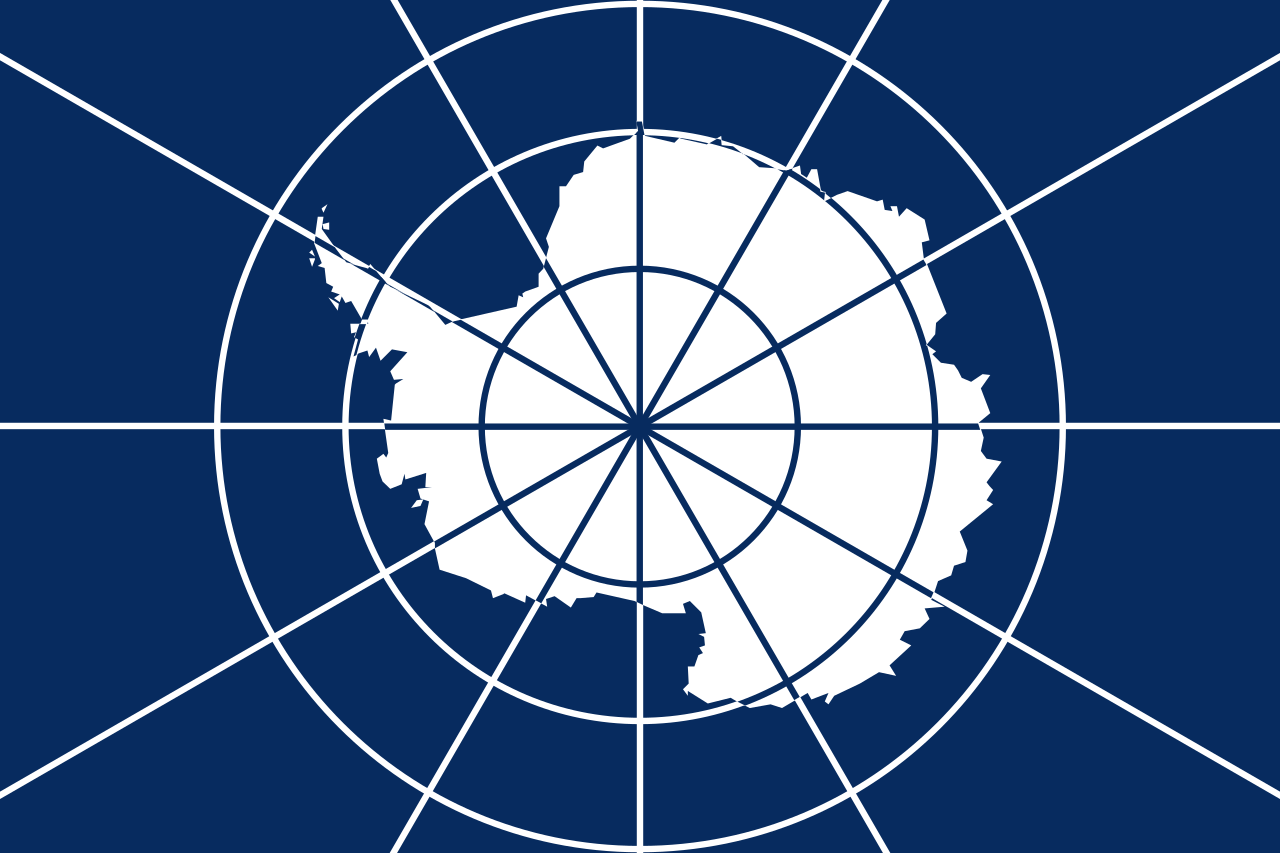
To find someone truly obsessed with this question, look no further than Mason Kaye. He spent 18 months searching for "mappy flags" and discovered 370. Not just countries obviously, but cities, states, counties, organisations - "any flag that depicts a map of a specific territory as an identifiable graphic element of the flag". Here's his paper published in the proceedings of the 19th International Congress of Vexillology: Vexillology is the study of flags, from the Latin vexillum (a Roman military standard) and the Greek λογια (logia - study, originally "oracles"). Kaye is a vexillologist. A flag designer is a vexillographer. An admirer of flags is a vexillophile. In his paper Kaye states that Cyprus is the only country with its map on the flag. How could such a diligent researcher make that mistake? It wasn't an error at the time of publication. The 19th Congress was held in 2001, seven years before Kosovo adopted its current flag following the unilateral declaration of independence on 17th February 2008. That's enough. I blame the World Wide Web (damn you, Sir Tim Berners-Lee). You find one answer and it triggers another question, so off you go again. Why's that? What does that mean? I suppose I could just turn the computer off and go for a walk instead. |
||||||||||||||||||||||||||||
|
Saturday 21st August |
||||||||||||||||||||||||||||
The Ben-and-Soph road trip is unearthing real delights. Two nights ago they parked up in the woods on Lago di Santa Colomba near the town of Albiano in the north Italian province of Trentino.
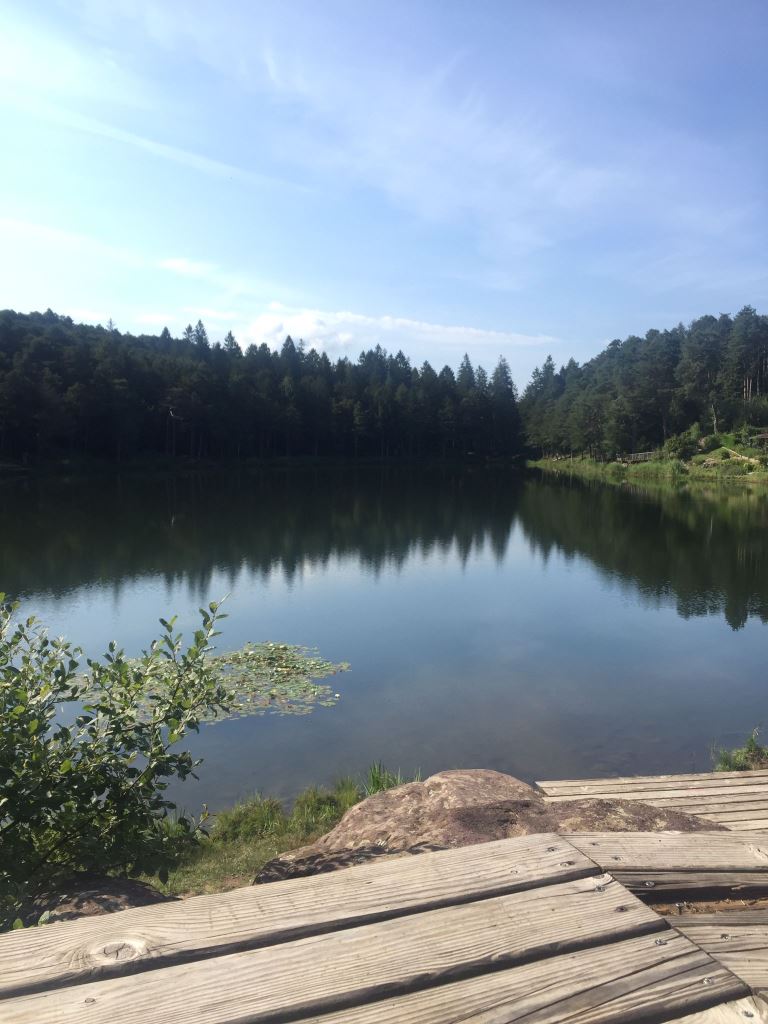
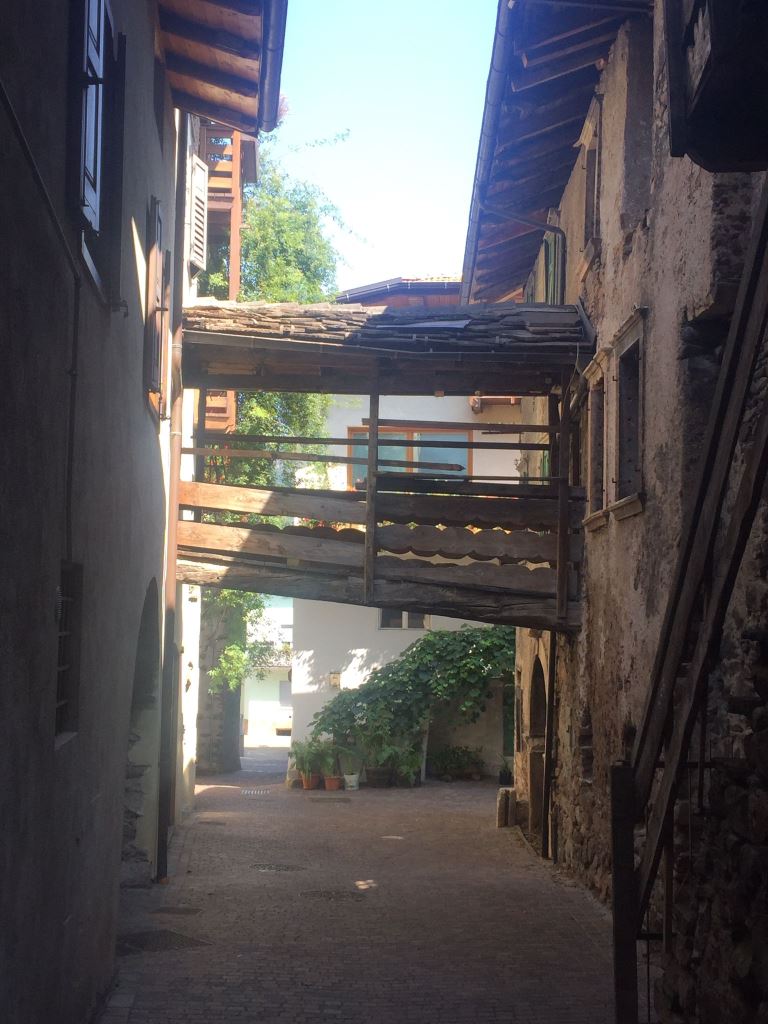
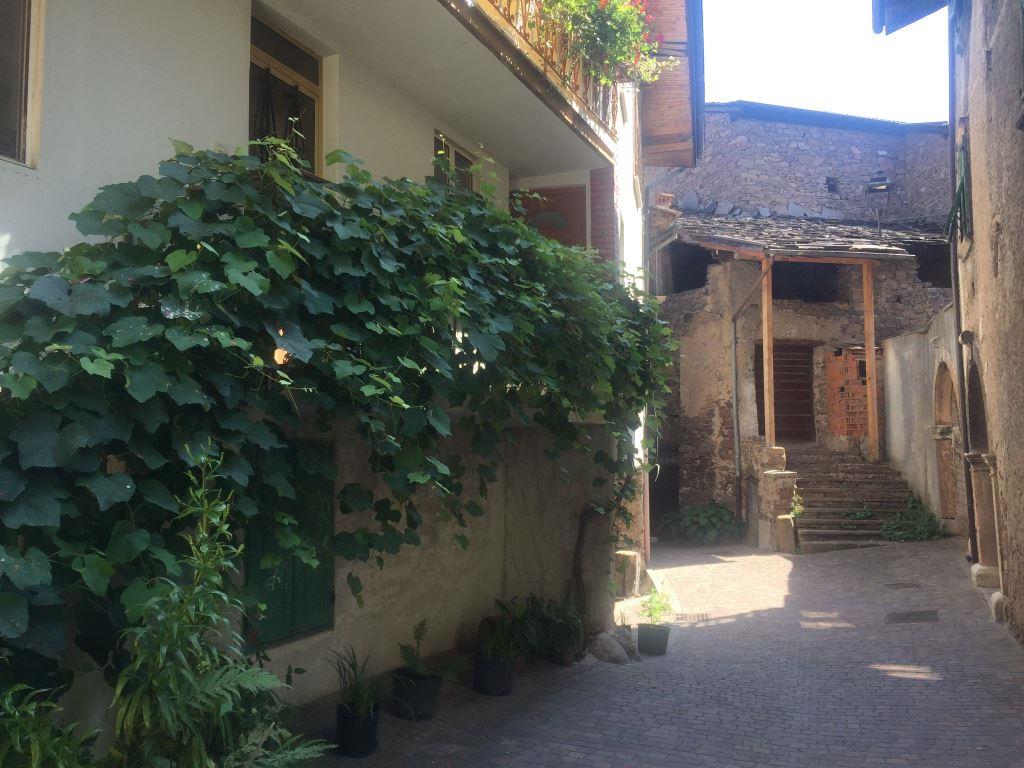
What's going on with Covid in the USA? The tech giants have pushed back the return of staff to the office. Google has delayed until 18th October, Apple until January. Twitter has paused its reopening, closing offices in San Francisco and New York once again. Well, if anybody can handle remote working and virtual meetings it has to be them 😉. There's been a real spike in cases since June, reaching half the level of earlier this year (click to enlarge). Biden has a job on his hands, even without his blunders on Afghanistan. What's Kosovo doing in the chart? The name leapt out at me in the next; here's the same period showing cases per 100k (click to enlarge): If you didn't follow the ethnic conflicts in the 1990s following the breakup of Yugoslavia - or weren't even born - you might not know where Kosovo is. Here's a map of Europe (click to enlarge): 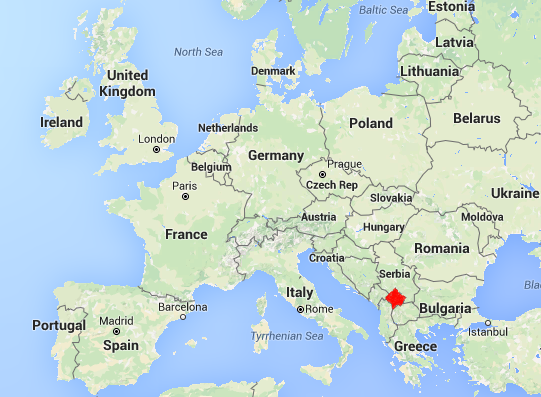
What about its neighbours? What is their Covid infection status? The chart below shows raw cases from 1st July (click to enlarge). 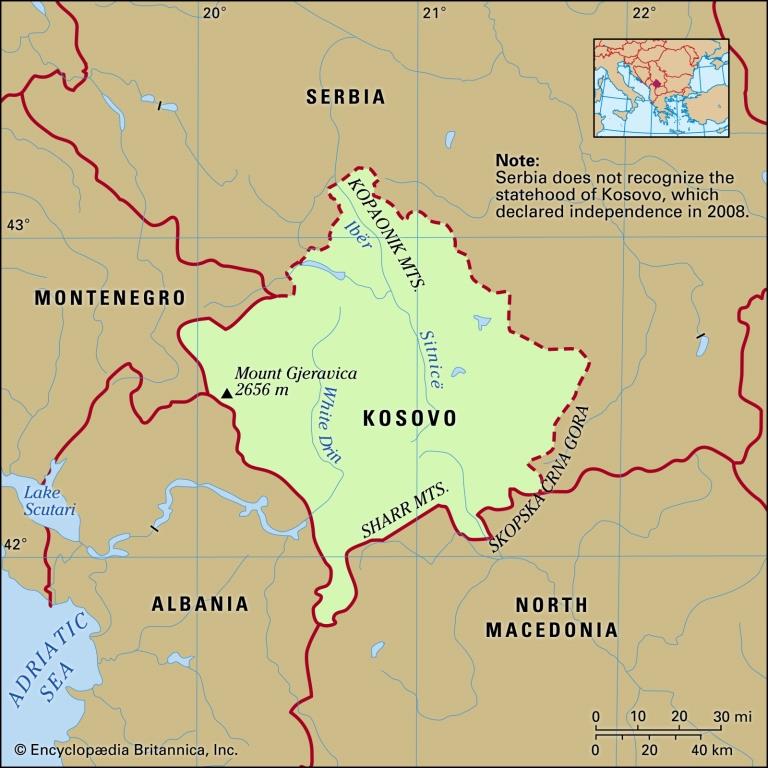
Clearly the locality, and particularly Kosovo, is experiencing a surge. I wonder why? Could it be because of this below (click to enlarge)? Not that the UK and USA have a low number of cases. A quiz question: can you name any other countries that have their map on the national flag? 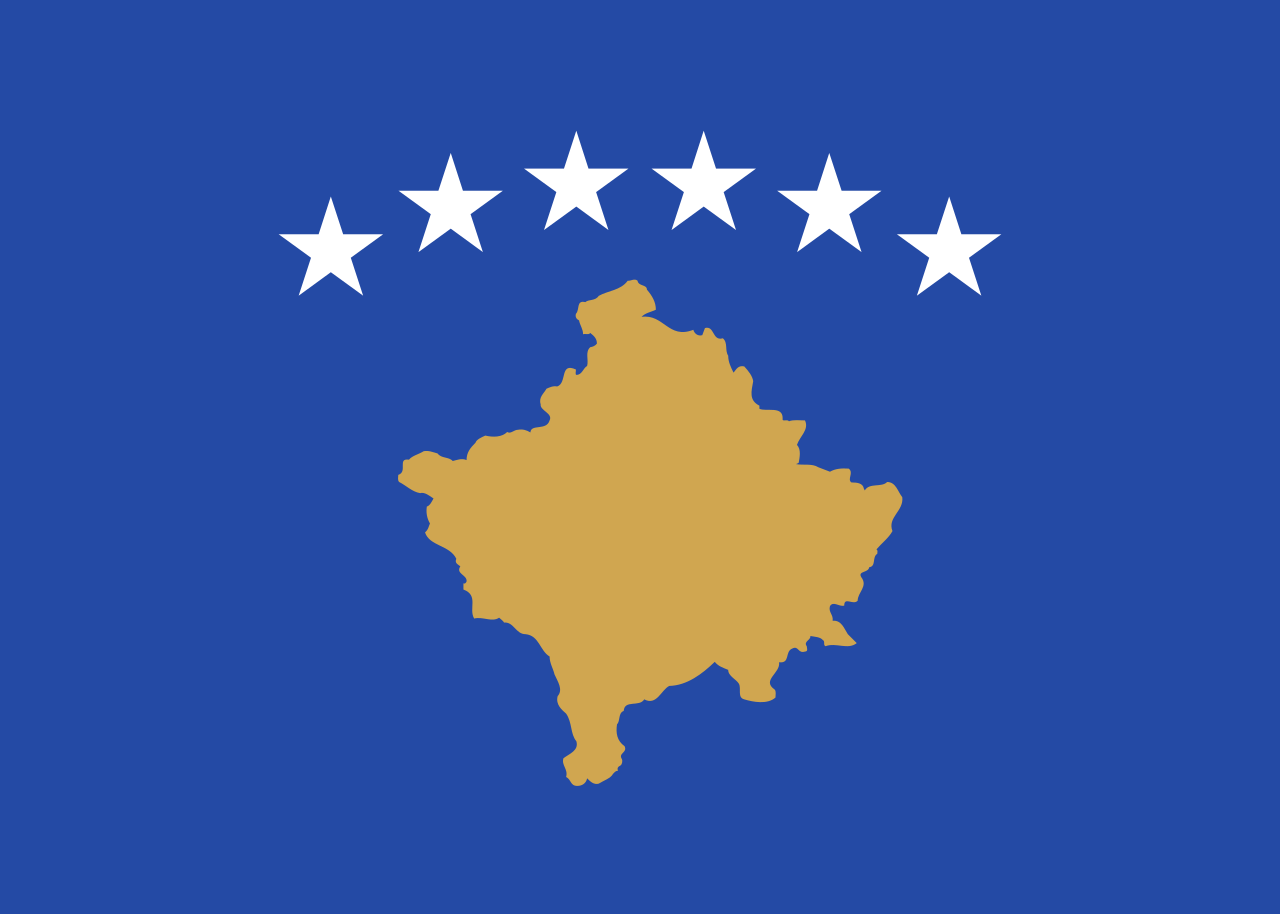
By the way, the stars are officially meant to symbolise Kosovo's six major ethnic groups: Albanians, Serbs, Bosniaks, Turks, Romani and Gorani. |
||||||||||||||||||||||||||||
|
Friday 20th August |
||||||||||||||||||||||||||||
|
Covid travel progress.
Son Ben and partner Soph were last sighted at the northern tip of Lake Como. 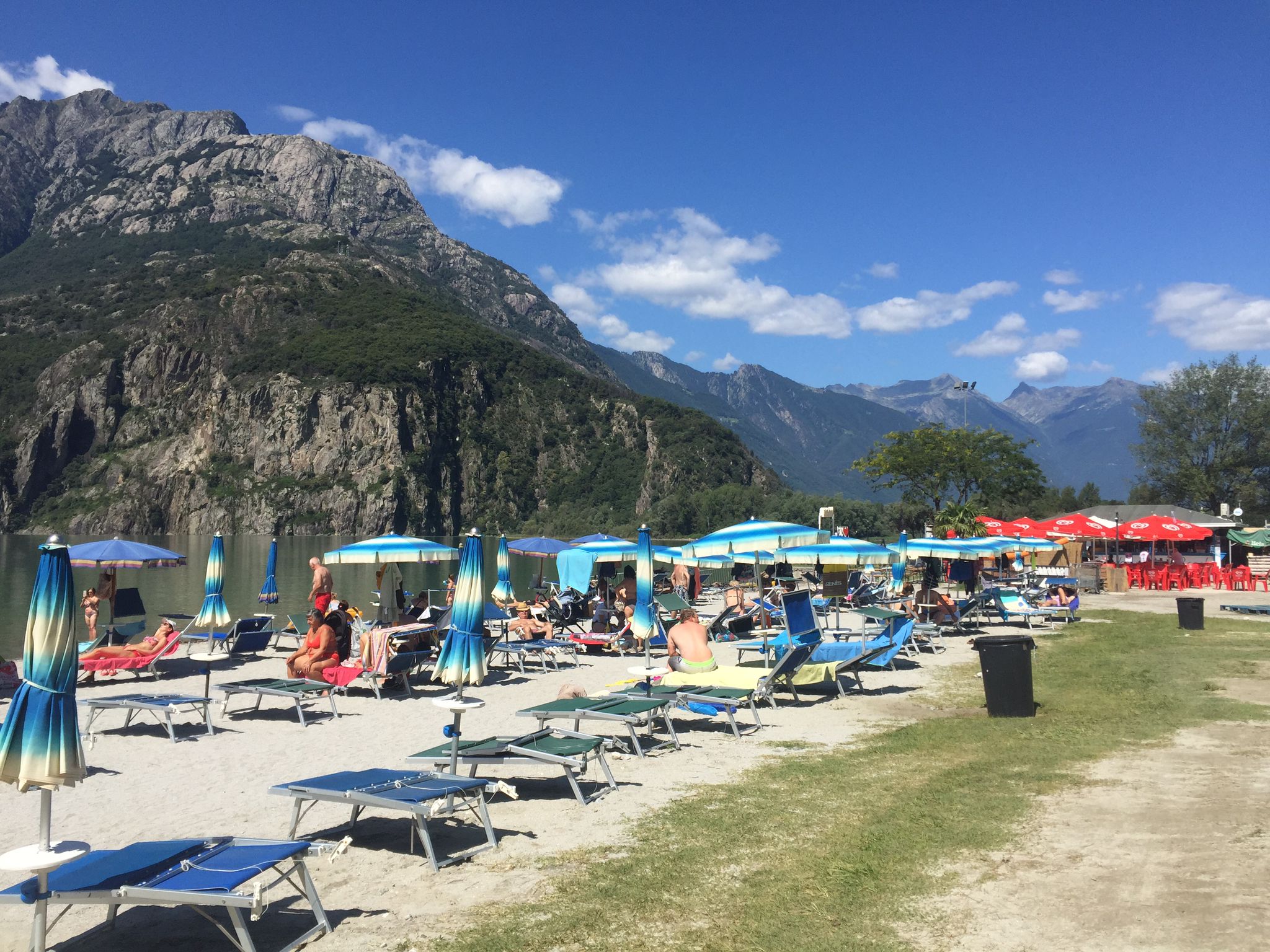
Ben says they've encountered no sticky moments thus far. Business as usual. There's also good news from Austria: "With the third amendment to the regulations of the Federal Ministry for Social Affairs, Health, Care and Consumer Protection coming into force on 15 August 2021, the United Kingdom is no longer considered a virus variant area. Austria has removed the general entry ban for travellers arriving from the United Kingdom. Please note that either proof of vaccination, proof of recovery from COVID-19 or a negative COVID-19 test result must be presented upon entry into Austria. Fully vaccinated people no longer have to self-isolate." Son Nikko issued this request from Vienna: "Please can you come to visit before this changes again😅?" Ben replied: "Everyone to Austria!" I said two days ago that I'd try not to bleat on about Jacinda Ardern - but I can allow myself to talk about New Zealand. It's tough getting across those borders. My friend Ian's son is in the throes of migrating there with his NZ-born partner. He's having to jump through hoops, one of which is the Managed Isolation & Quarantine process. There's a shortage of quarantine hotel places. "Current accommodation availability: "Rooms for MIQ are gradually released in batches over several weeks and months. We're working on some options around how we can alert people that rooms are becoming available. There are still more rooms to be released for September, October and November. Keep checking the system for available dates. Rooms for December will be released once airlines have confirmed their schedules. "NOTE: At any one time there are hundreds of users online trying to secure a date. For the best chance of securing a voucher, please log in, complete all your details (these will be saved), and look for dates on the calendar." The calendar currently looks like this (click to enlarge): Ian tells me that his son has decided the only way to proceed is to stay up all night glued to the website and wait for a vacancy to pop up, finger on the button. I don't know if he's been successful yet. |
||||||||||||||||||||||||||||
|
Thursday 19th August |
||||||||||||||||||||||||||||
Back to Afghanistan. You will have seen and heard enough news coverage, so I'm going to concentrate on the emergency debate held in the House of Commons yesterday.
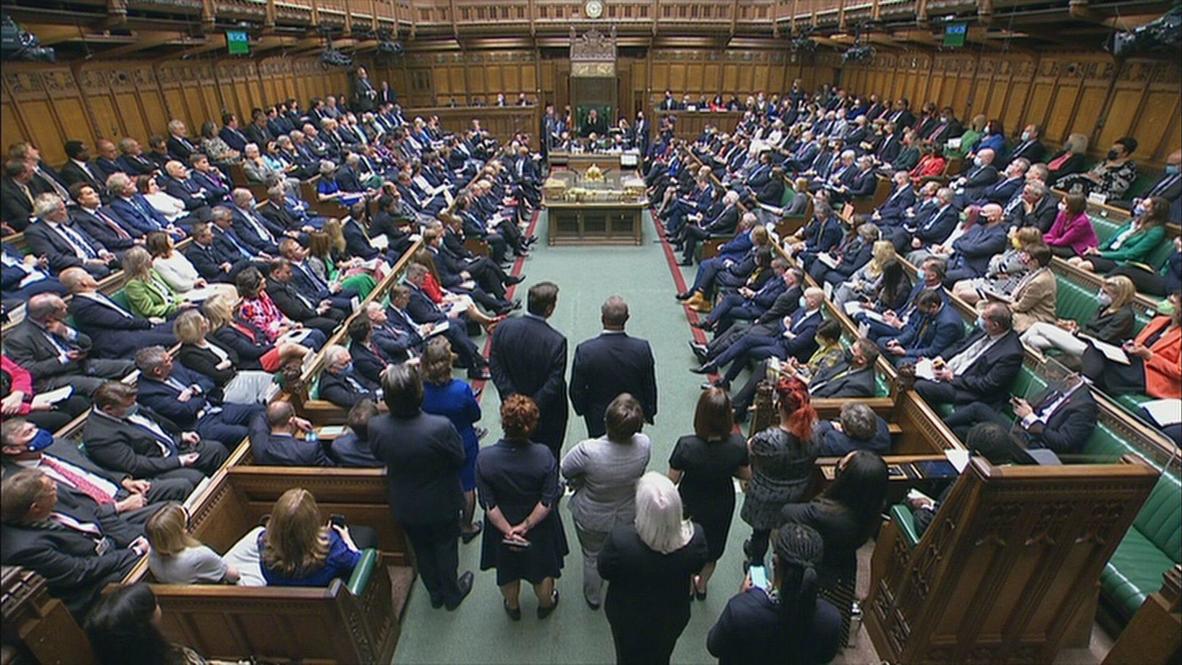
The House was packed. It was a long day. Proceedings began at 9:38am and concluded at 5pm. The Hansard transcript is 161 pages long: As one MP finished his or her speech, another 50 were on their feet trying to gain the Speaker's attention. He - or his deputies - reduced the time allocation for contributions from 7 minutes (rarely observed) at the outset to 3 minutes by the end of the afternoon. 80 requests to speak were turned down. Biden and Boris took a bashing. Not that the PM heard all of the criticism; he was absent from the chamber for most of the session. His last contribution before handing over to Keir Starmer was shortly before 10:08am. Thirty minutes of involvement in seven-and-a-half hours. One curiosity was the number of MPs who had seen action in Afghanistan or elsewhere. 2 Labour and 6 Conservative. The Labour leader thanked and name-checked them: Tom Tugendhat (Con), Dan Jarvis (Lab), Johnny Mercer (Con), Clive Lewis (Lab), Leo Docherty (Con), Bob Seely (Con), Jack Lopresti (Con) and James Heappey (Con). I've made a selection of speech fragments that caught my eye As Tobias Ellwood said: "I am sorry that there will be no vote today because I believe the Government would not have the support of the House." It would be tedious to post many of the speeches in-line, so I'll go for my number-one pick, Bob Seely. Not a model for political correctness perhaps, but I'm moved by his feeling and expression. "What has happened is an appalling and unnecessary self-inflicted wound. We are being presented with a choice: invest more blood and treasure or walk away. No: we had a steady state, give or take, in Afghanistan for the last few years, and the mission was a train, equip and mentor one. It was large, but for between 5,000 and 20,000 troops, contractors, special forces and so on who were there, it was smaller than many NATO/US bases and missions around the world. We have chosen to withdraw politically; we have not been forced to do so on security grounds. I think we will regret that decision for many years. "The collapse happened because a truly dreadful US President, Donald Trump, who was probably in hock to the Russians, dealt with the Taliban behind the Afghan Government's back - a shocking betrayal. Joe Biden, who admires Kennedy - we had some great quotes from Kennedy earlier - could have changed things. He has chosen not to and has opened the United States, Europe, India and many allies throughout the world to considerable terrorist risks from the 2,500 to 4,000 jihadi nut jobs - pardon my French - who are currently being released from Bagram, Kandahar and Kabul. When they have stopped slaughtering our friends and beheading a few key women journalists, they will turn their attention to us. We have walked away from a successful anti-terrorist operation after 20 years. Sooner or later, we will reap the rewards. "Many people have said that the Afghans did not fight. In my experience, many Afghans fought very hard. In many ways, those people were a model of courageous integrity. They were effective and efficient, they loved their country and they knew right from wrong. They are probably dead. If they were not killed a year ago, they will be finished off as we speak, and I find that upsetting. "Russia and China are happier today and Taiwan and Ukraine are considerably more nervous. We are weaker. Europe has been as bad as the United States in not stepping up to the mark. A weak and divided west is not a recipe for a caring future for anybody. It is a recipe for global instability and greater global threat." OK, just one more from Stella Creasy: "The Pashtun saying 'You have all the watches, we have all the time' reflects the speed with which the Taliban have acted." |
||||||||||||||||||||||||||||
|
Wednesday 18th August |
||||||||||||||||||||||||||||
|
I know I bat on about Jacinda Ardern. I'll try to move on after this post - but no promises that I won't return.
It's just that her approach to Covid is the polar opposite of Boris's chosen "learn to live with it" policy. "No, we won't", says Ardern. A national 3-day lockdown (7 days in Auckland and Coromandel) after one case. At the most severe "level 4" of restrictions. Only one number is acceptable: 0. Ardern's words at her briefing: "We are one of the last countries in the world to have the Delta variant in our community. We're in the position to learn from experience overseas, and what actions work, and what actions don't work. Delta has been called a gamechanger -- and it is. It means we need to again go hard and early to stop the spread. We have seen what can happen elsewhere if we fail to get on top of it. We only get one chance." The Guardian published video excerpts from the press conference (part of the above is repeated here): Clear, decisive, firm, timely, articulate, human. No wonder many countries want to steal her as their leader. The New Zealand Herald reported that there were 15 "locations of interest" so far - 12 on the Coromandel peninsula, two in Auckland and one in Thames. The positive Covid case and his wife travelled to Coromandel township last Friday and stayed for the weekend. I'm charmed by photos of two of the sites: the Crumb Café in Ariki Street, Grey Lynn, Auckland; and the Star and Garter Hotel, Kapanga Road, Coromandel. 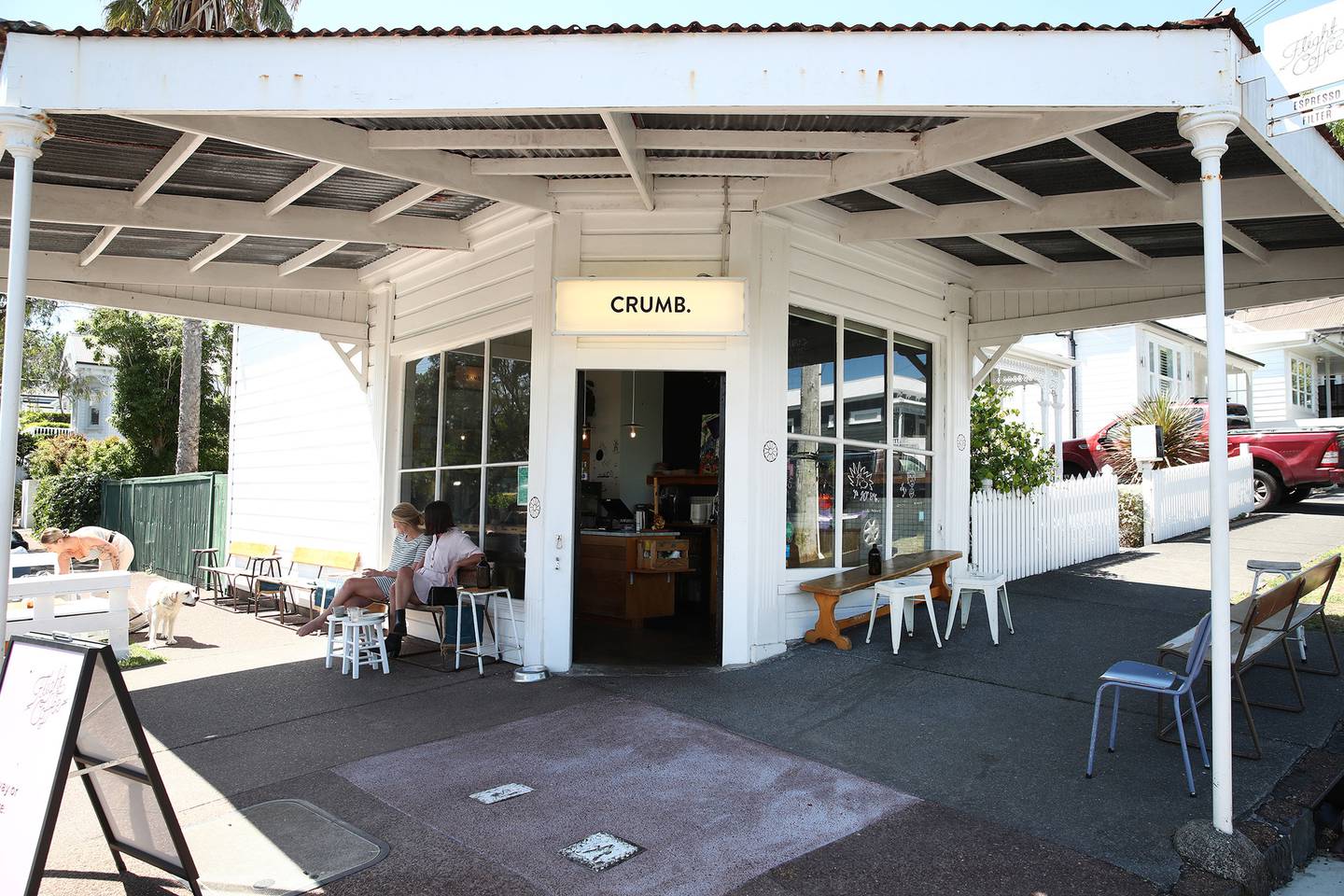
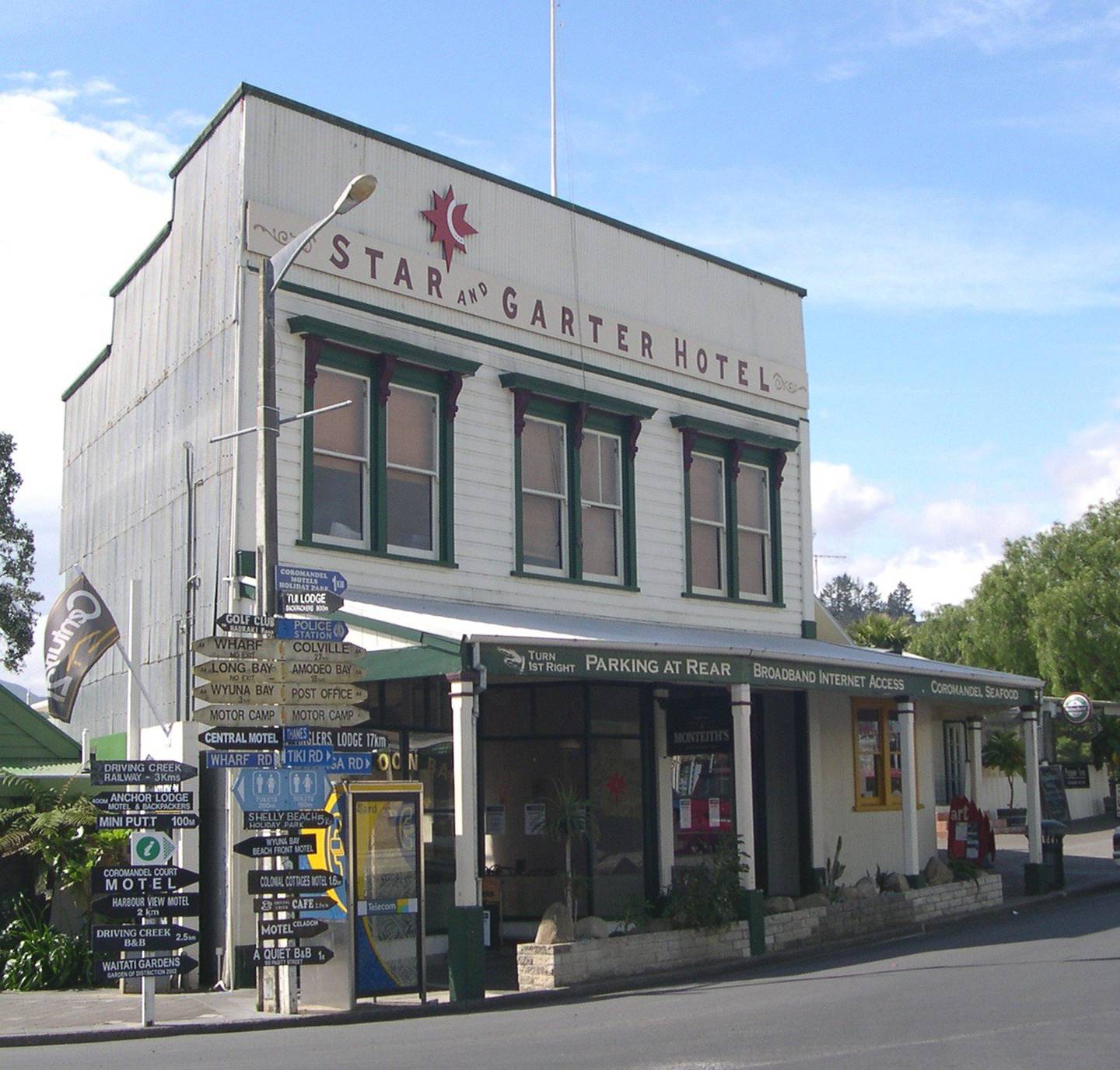
The Coromandel peninsular looks worth a visit: 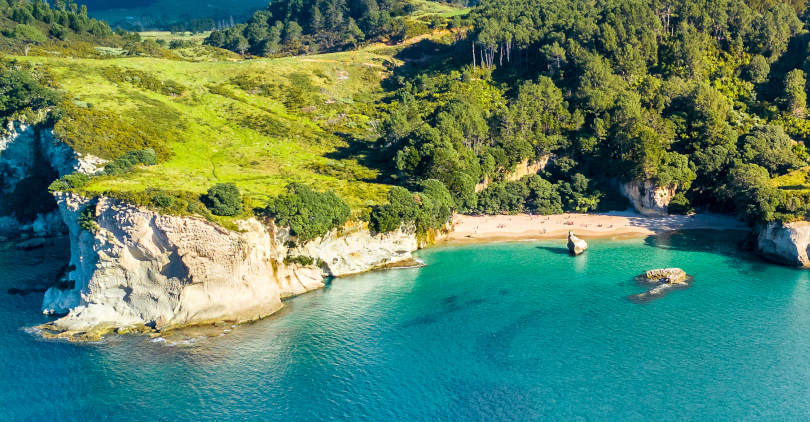
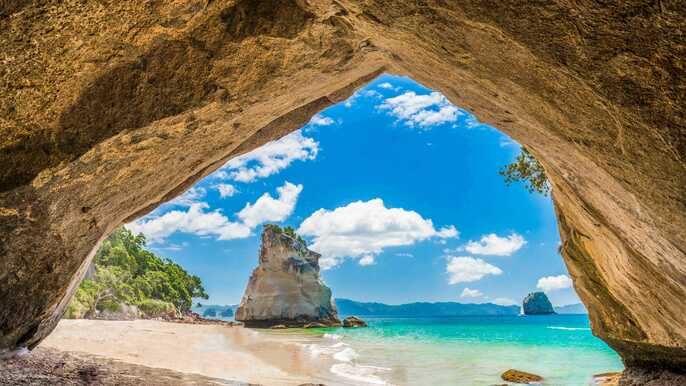
Different world, innit? |
||||||||||||||||||||||||||||
|
Tuesday 17th August |
||||||||||||||||||||||||||||
|
Back to coronavirus in the UK. It seems parochial after hearing of the humanitarian crises in Afghanistan, Haiti and elsewhere. But it is the main topic of this blog.
I'm uncomfortable about yesterday's relaxation of self-isolation rules. I'm not alone. The two opinions below come from the Science Media Centre, established in 2002, originally based in the Royal Institution of Great Britain and now housed in the Wellcome Collection. Professor Lawrence Young, virologist and Professor of Molecular Oncology at Warwick Medical School, warns: "This change comes at an interesting time when daily case numbers remain high and there is increasing evidence that double vaccinated individuals can still get infected with the delta variant and spread infection to others. It is very likely that this change will fuel increased levels of infection and that this will lead to further hospitalisations and deaths." Dr. Peter English, former editor of Vaccines in Practice, past Chair of the BMA Public Health Medicine Committee, expresses his concern: "Experts have previously recommended that we can go back to normal when case numbers have fallen, ideally, as in Germany, to fewer than 10 cases per 100,000 population per week. We are clearly a long way from that; and the decline in case numbers we saw recently seems to have plateaued - case numbers are no longer falling. And before we know it schools will return, and more socialisation will take place indoors, both of which will further drive transmission. "Policy decisions have undermined our ability to control the pandemic, and are the reason why case numbers in the UK have been so much worse than in many similar countries. "Personally I am very unconvinced that this policy change is a good idea, certainly now while we have very high case numbers, and if we had low case numbers it would not be necessary anyway." New (7-day average) raw case numbers and cases per 100k in the UK on 14th August were 28,715 and 43. I wrote last Friday about Jacinda Ardern sticking to her principles by maintaining closed borders👉; New Zealand's numbers on the same date were 4.7 and 0.1. Her neighbour Australia registered 395.6 and 1.6 - and New South Wales is in lockdown. It's remarkable that these countries impose serious restrictions when they experience fractions of the UK's case levels - raw cases: NZ 0.00016 and Australia 0.14. The BBC yesterday reported the plea for caution from a young bereaved woman: "The daughter of a man who died after complications from Covid-19 has urged people to take precautions even if they have had both vaccine doses. Jade Allum's father, David, died in hospital, aged 58. He had been double-jabbed but suffered a cardiac arrest as a result of coronavirus. Ms. Allum is urging people to keep wearing masks and take regular tests. She said: 'I know it's a little bit uncomfortable but if you think that's going to save your life, or your mum's life, or your auntie's life, or someone you don't know, it's such an easy thing to do.'" 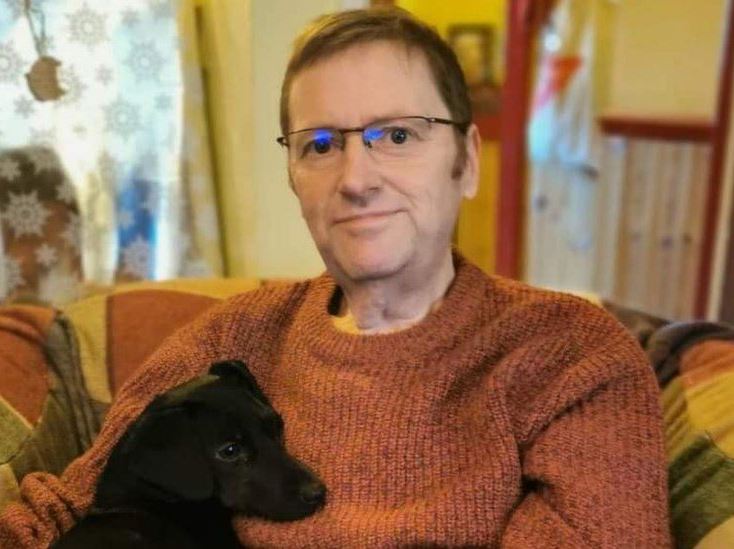
I wholeheartedly agree. |
||||||||||||||||||||||||||||
|
Monday 16th August |
||||||||||||||||||||||||||||
|
The Covid news today, the relaxation of self-isolation rules, takes a back seat when set against the tragedy of Afghanistan. Somehow you always knew that the Taliban, like the Hydra's heads, would return to take control. All the newspapers below (except one) front-page the western allies' retreat (click to enlarge each headline).
President Biden is taking the heat. Public opinion - exhausted by long years of foreign quagmires and confused why US troops were still in Afghanistan after two decades - originally supported his plan to withdraw American forces but now appears ready to reverse direction and condemn him for a rushed exit designed to anticipate the 20th anniversary of the September 11 attacks in 2001. But let's not forget that Trump talked to the Taliban. On 2nd March 2020 he said: "I spoke to the leader of the Taliban today, we had a good conversation, we have agreed there is no violence, don't want violence. We will see what happens. They're dealing with Afghanistan but we will see what happens. The relationship is very good that I have with the Mullah." Several of the UK tabloids seem to think it's all about the Brits. Not the women who face dire oppression. Not the interpreters who assisted the allies. Not the mass of Afghan nationals trying to flee the country. The Daily Star excelled in recognising the gravity and horror of the event. |
||||||||||||||||||||||||||||
|
Sunday 15th August |
||||||||||||||||||||||||||||
|
After contracting Covid - and thankfully recovering with only minor symptoms of temporary loss of smell and taste - three weeks ago, our son Ben made it back to Bilbao on Thursday. It took days of research to establish the exact rules of departure from the UK and re-entry to Spain, telephone calls to and correspondence with a GP surgery, the NHS and the London Spanish Consulate, online foraging, all of which rendered precious little clarity. We delivered him to Bristol airport armed with evidence of negative tests, the aforesaid correspondence and - he thinks it was the clincher that tipped the balance in his favour - his permiso de residencia.
He and his partner Soph didn't hang about. We received WhatsApp news on Friday evening: "Nous sommes en France!" 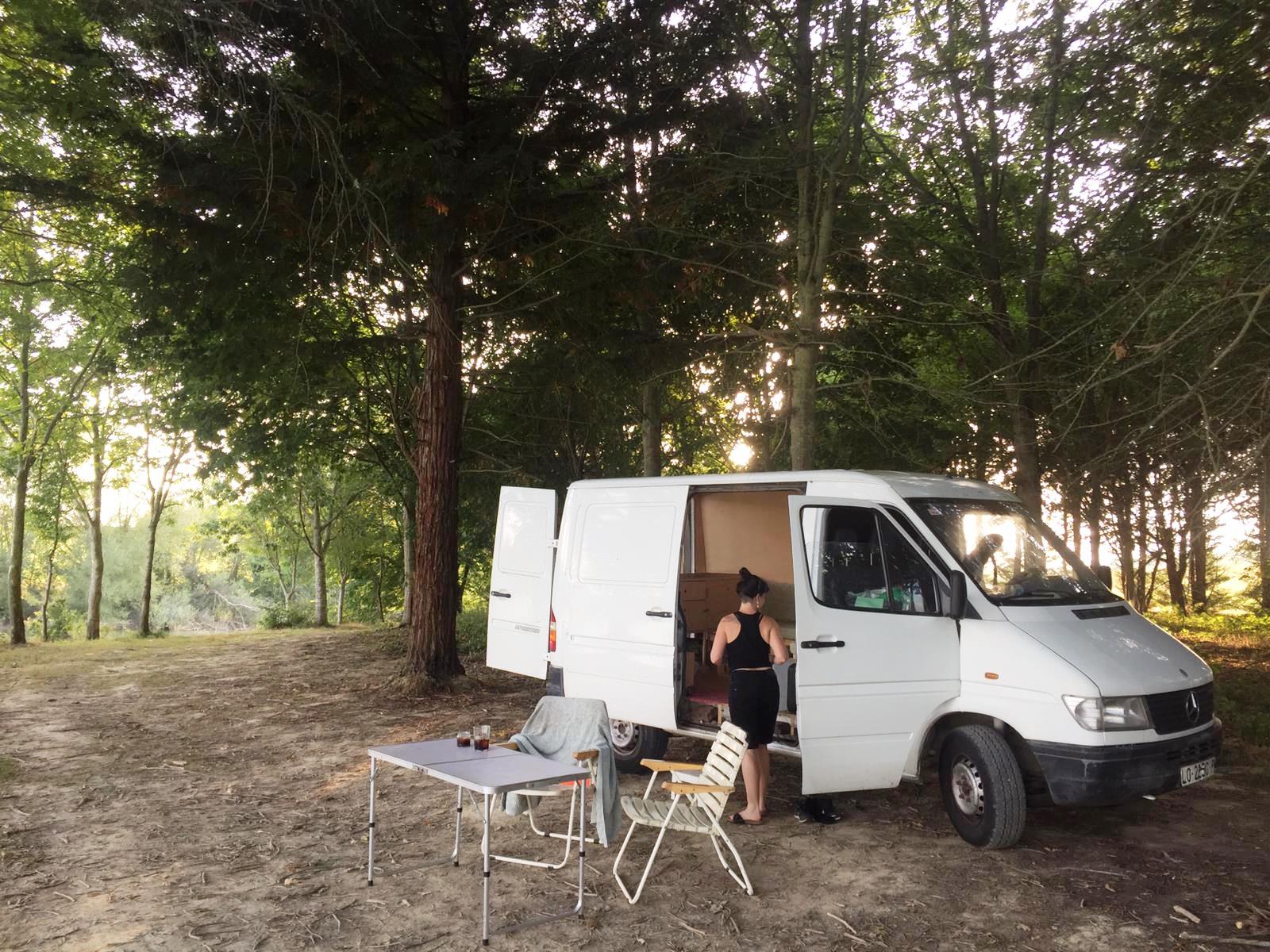
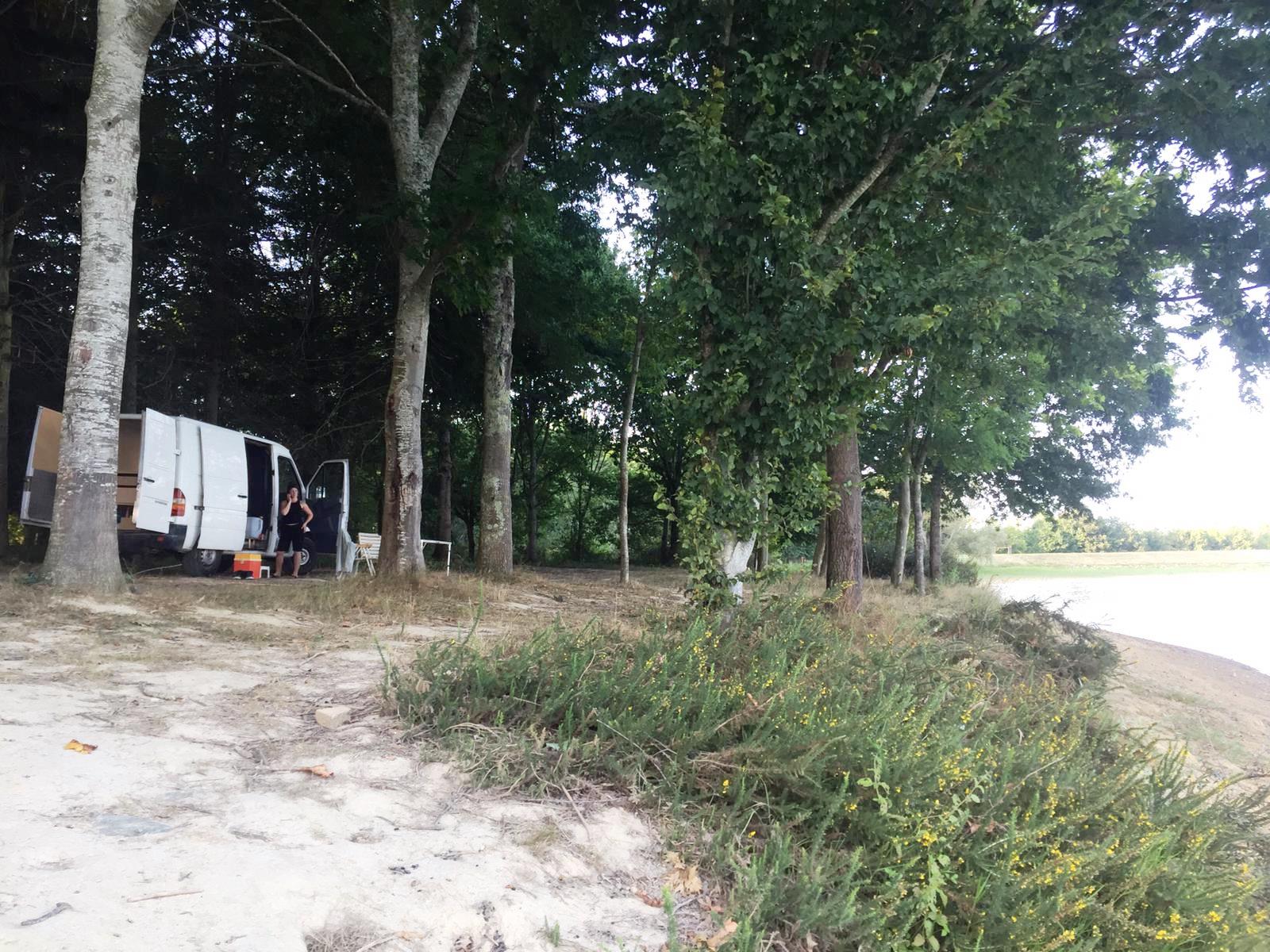
Next day: "We are currently driving on the N124 towards Auch, which I like to pronounce 'Owch'. It's very hot to the point that even the sunflowers are looking at the ground. We're heading past Toulouse in the hope of arriving in Albi this evening but first, un Intermarché." And a later update: "Made it just past Albi. Got to Millau to the east. I think we're parked on the D991 in the Gorges de la Dourbie." 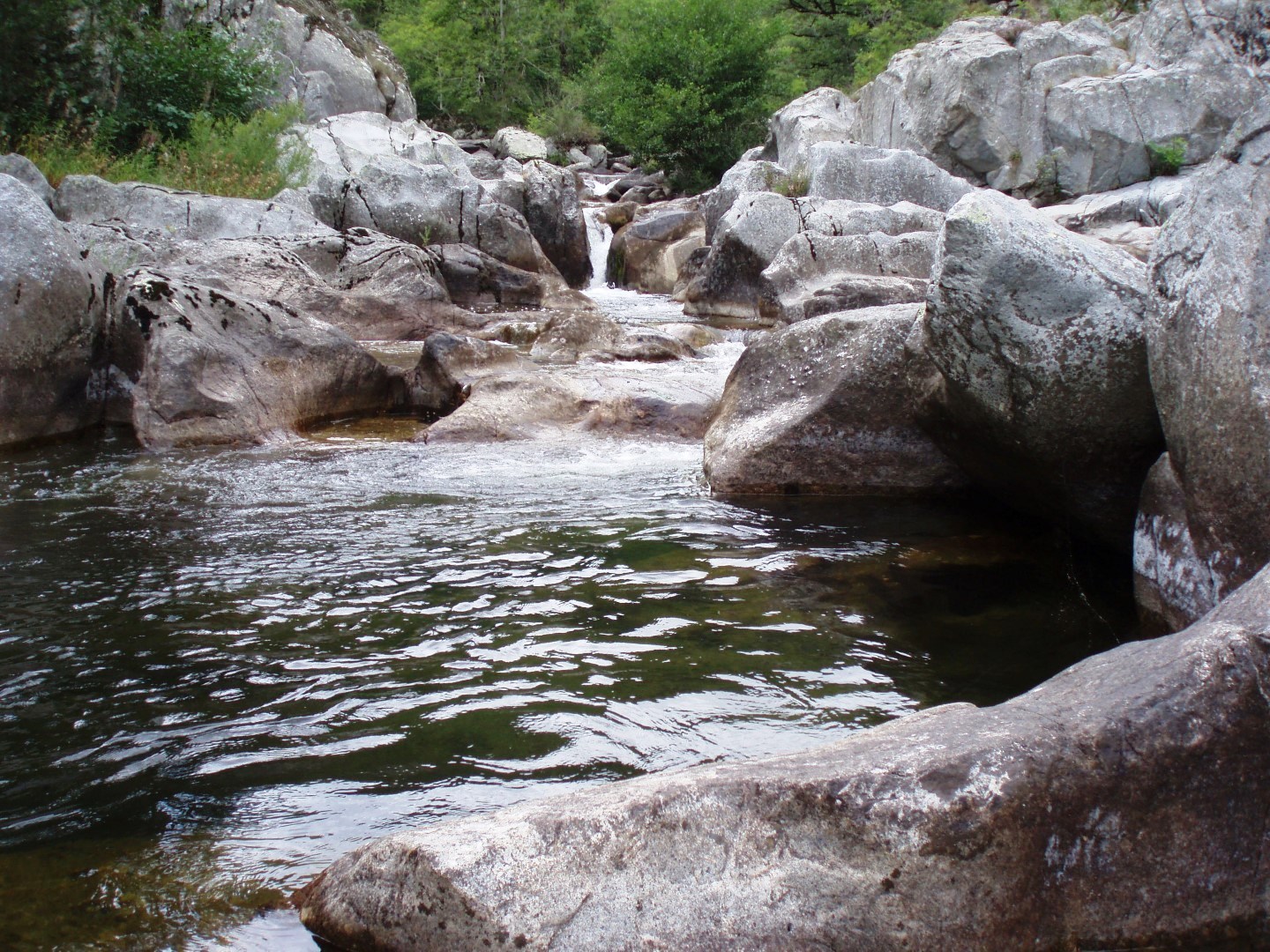
What an adventure. I asked if - as they had planned - they were heading for Vienna to see brother Nikko. A slightly enigmatic reply: "We are pointed in that direction." Sadly, if they're taking the southern route via Venice and Udine, where we had originally agreed to meet so that I could show them the delights of Friuli, I won't be making the trip. I'd have to spend the visit in quarantine. Still, we can look forward to our break in North Wales early next month at the cottage kindly arranged by my cousin Charles Harris. I'm unusually excited. For three reasons, I think. The first: it's a release from a year or more of no-travel pandemic confinement - apart from a couple of day trips - in Stroud. Two and three: we'll be visiting old haunts from the holidays of my childhood, reversing the disappointment of two months ago (see this blog on 9th June👉). I've been planning like never before, enabled by the now-ever-present assistance of my web browser: reserved lunch on the way up at La Lanterna in Shrewsbury (see previous visit👉); booked tickets for the Snowdon Mountain Railway and Beaumaris Castle; Tripadvisor-ed pubs and restaurants; Google-Earth-walked the beach at Llandonna and crossed the Menai Bridge. |
||||||||||||||||||||||||||||
|
Saturday 14th August |
||||||||||||||||||||||||||||
|
I've expressed my regard and wonder for science in this blog: the rise of the statistician, the wizardry of rapid vaccine development, the IPCC climate change report reconstruction and modelling.
The BBC published a piece today titled "Covid study: How to avoid catching [the] virus in a shared car". It's all about keeping the windows open. A through-draught to suck out the virus. For driving below 30mph opening all four windows is most beneficial. On faster roads opening two on a diagonal can have an even bigger impact. Only necessary to do it for 10 seconds at a time, every five to 10 minutes, or whenever somebody coughs or sneezes. 10 seconds can cut the build-up of Covid-19 particles by 97%. Not quite rocket science, and hardly the equal in importance of the examples at the top, but useful, and further evidence of clever people beavering away behind the scenes. The research was done at Swansea University. The project lead was computational engineering Professor Chenfeng Li. 
He gained BSc and MSc degrees from Tsinghua University (in northwest Beijing on the site of the former imperial gardens of the Qing Dynasty) then in 2002 moved to Swansea. An obvious migration? He has published yards of journal papers over the intervening years. Here's a recent flavour: "Tortuosity of porous media: image analysis and physical simulation"; "Statistical characterization and reconstruction of heterogeneous microstructures using deep neural network"; "A moving least square reproducing kernel particle method for unified multiphase continuum simulation". The stuff that people get up to, eh? There's yet more going on in Wales. The GOV.WALES website publishes findings from its Technical Advisory Cell, set up to provide "coordination of scientific and technical advice to support Welsh Government decision makers during emergencies". Here's one of their regular update reports: "Technical Advisory Cell: summary of advice 23 July 2021" I'm not suggesting you read the report, unless it takes your fancy 😉. I just continue to be amazed by the volume and detail of scientific and statistical work out there. What's more, we have ever-increasing access to it. I feel sure that the period of the pandemic has witnessed remarkable growth in such availability of information. |
||||||||||||||||||||||||||||
|
Friday 13th August |
||||||||||||||||||||||||||||
|
At the bottom of yesterday's blog, I posted a section about Jacinda Ardern's caution in keeping New Zealand borders closed until the end of the year. One startling statistic was the total number of deaths from Covid in the country: 26.
A frequent comment you hear about Ardern's success in managing the pandemic is: "They've only got a small population compared to the UK." It's true - but I couldn't help digging deeper. Here's the resultant spreadsheet (click to enlarge): 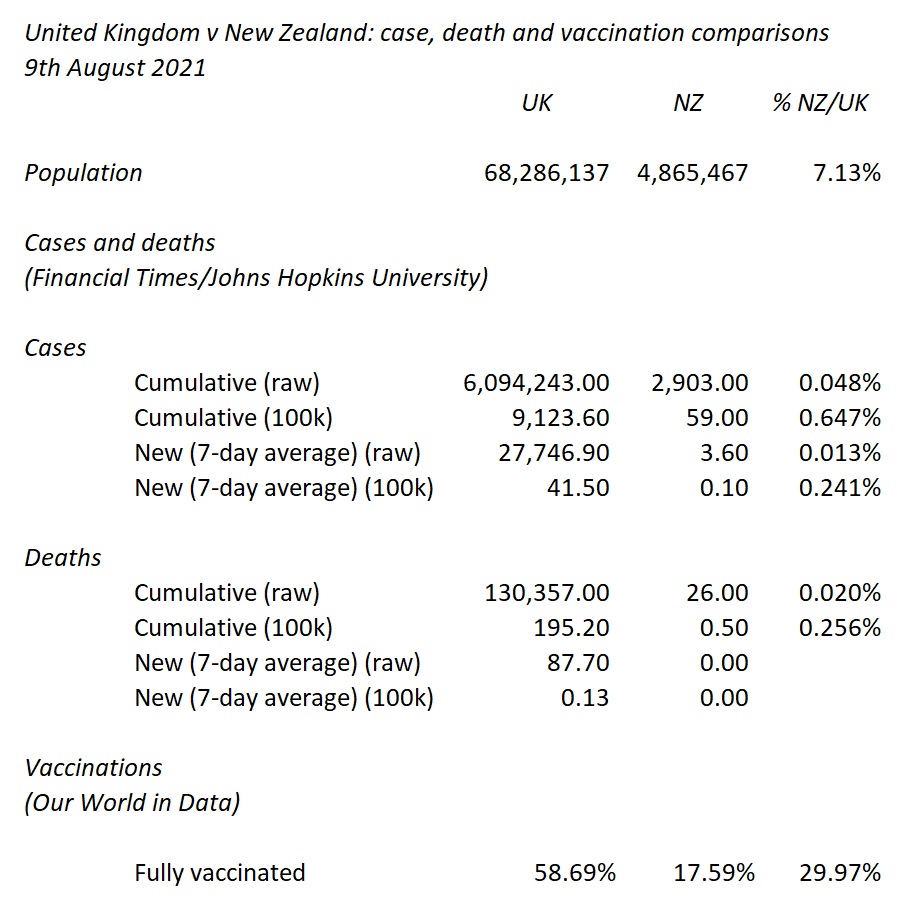
What does it show? First, the population of New Zealand is 7.13% of the UK's. Then the crucial evidence; it's in the right-hand column. The NZ/UK ratios of cases and deaths are nowhere near 7%. They're all below 1%, in some instances way below. In the new deaths category you can't even calculate a ratio percentage because it requires division-by-zero (OK, the FT/JHU charts don't provide sufficient fractional decimal places for NZ new deaths, stating only 0 - but that's because the numbers are so tiny, innit?). Certain individual figures defy belief. To choose a couple: new daily cases per 100k - 0.1 compared with the UK's 41.5; cumulative deaths per 100k - NZ 0.5, UK 195.2. Only in vaccination rates does the ratio tell a different story. The proportion of the NZ population who have been fully vaccinated is 30% that of the UK. Which makes the pandemic control all the more remarkable. It was achieved by early, decisive and firm intervention - not by a Boris-like trophy vaccination programme (much as I appreciate being double-jabbed). Ardern's resolute behaviour was widely reported and admired last year; see this blog on 28th April 2020👉. Her leadership exhibited all the characteristics advocated in Tomas Pueyo's paper Coronavirus: The Hammer and the Dance; see 25th March 2020👉. He argued that action against the virus should be immediate and intense - a "hammer" blow. That's what Jacinda Ardern did back then and she appears not to have abandoned those principles today. |
||||||||||||||||||||||||||||
|
Thursday 12th August |
||||||||||||||||||||||||||||
|
Cases have risen slightly in the UK over the last week. 28,000 two days ago. Here's an FT/Johns Hopkins chart (click to enlarge) of the last week showing Britain, European neighbours and holiday destinations:
I remain keen to social distance. On Tuesday I had my first experience of being in a crowd since the start of the pandemic while watching cricket at New Road, Worcester. The ground wasn't full but I felt uncomfortable. We chose seats on an empty front row. People sat down right next to us on one side, so we moved along. More spectators then sat on the other side, so we moved back as far as we could. Hemmed in, not right-in-your-face close, but near enough. A saving grace was that we were in the open air. Numbers in close proximity are still not a good idea. Lincoln has been a hotspot. 601 cases per 100k (1-7 August). The England case average was 280. A nightclub packed with youth. Yahoo!News reported: "A COVID-19 cluster in England's worst-hit area has been linked to a nightclub, according to health bosses. On 3rd August, Lincoln had the highest case rate in the UK with 653.6 cases per 100,000 people - more than Northern Ireland, which had by far the highest case rate out of all the UK regions at 486.7. It came as new cases increased by 83% to 649 in the week to 29 July. The Wharf and University district, which is a hotspot of cafes, restaurants and nightclubs, recorded a rate of 1,140. Natalie Liddle from Public Health Lincolnshire told the BBC that the majority of cases were in people aged under 30. She said: 'We are currently managing a cluster of outbreaks in and around Lincoln - and we've seen a particular increase in cases linked to the night-time economy.'" Here's a BBC case chart (click to enlarge) snapshot of the south coast, red indicating a case range of 400-999: Popular visitor centres like Torbay and Brighton. Busy beaches and bustling evening venues. We're going to a cottage in North Wales in early September: Crowd levels should be OK 😉 As for my Mediterranean longings and a visit to Sicily, the island may have registered the hottest temperature ever recorded in Europe - 48.8C (119.8F). 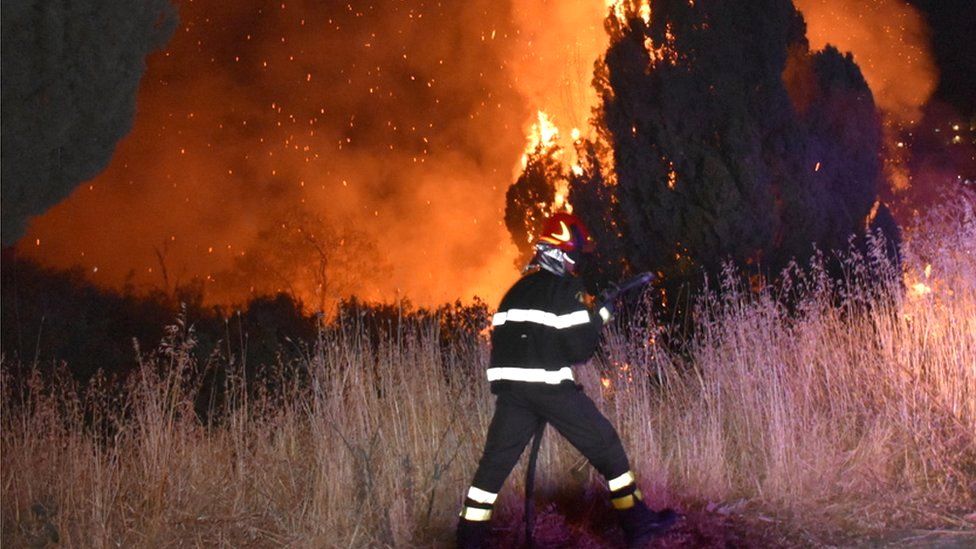
Sadly - not a strong enough word for the beleaguered Sicilians - North Wales looks a better bet. My instincts for caution are shared by Jacinda Ardern. She's said that New Zealand's borders will remain closed until the end of the year. "We're simply not in a position to a fully reopen just yet. When we move we will be careful and deliberate, because we want to move with confidence and with as much certainty as possible." Take a look below at FT/Johns Hopkins charts (click to enlarge) comparing case/death totals in NZ and the UK. Two days ago, cumulative cases and deaths in the UK: 6,117,540 and 130,503. New Zealand: 2,905 and 26. She's not taking any chances, is she? 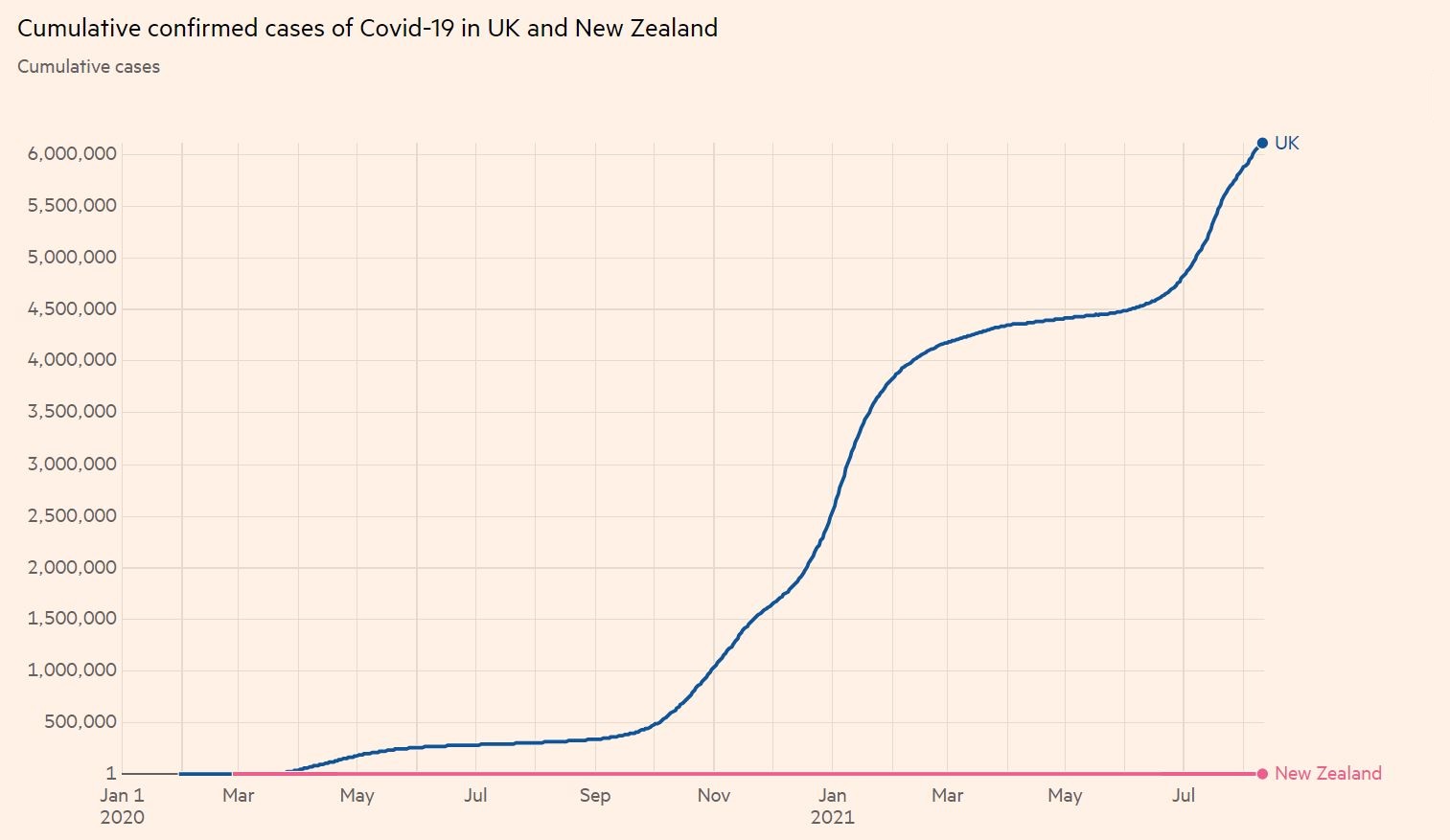
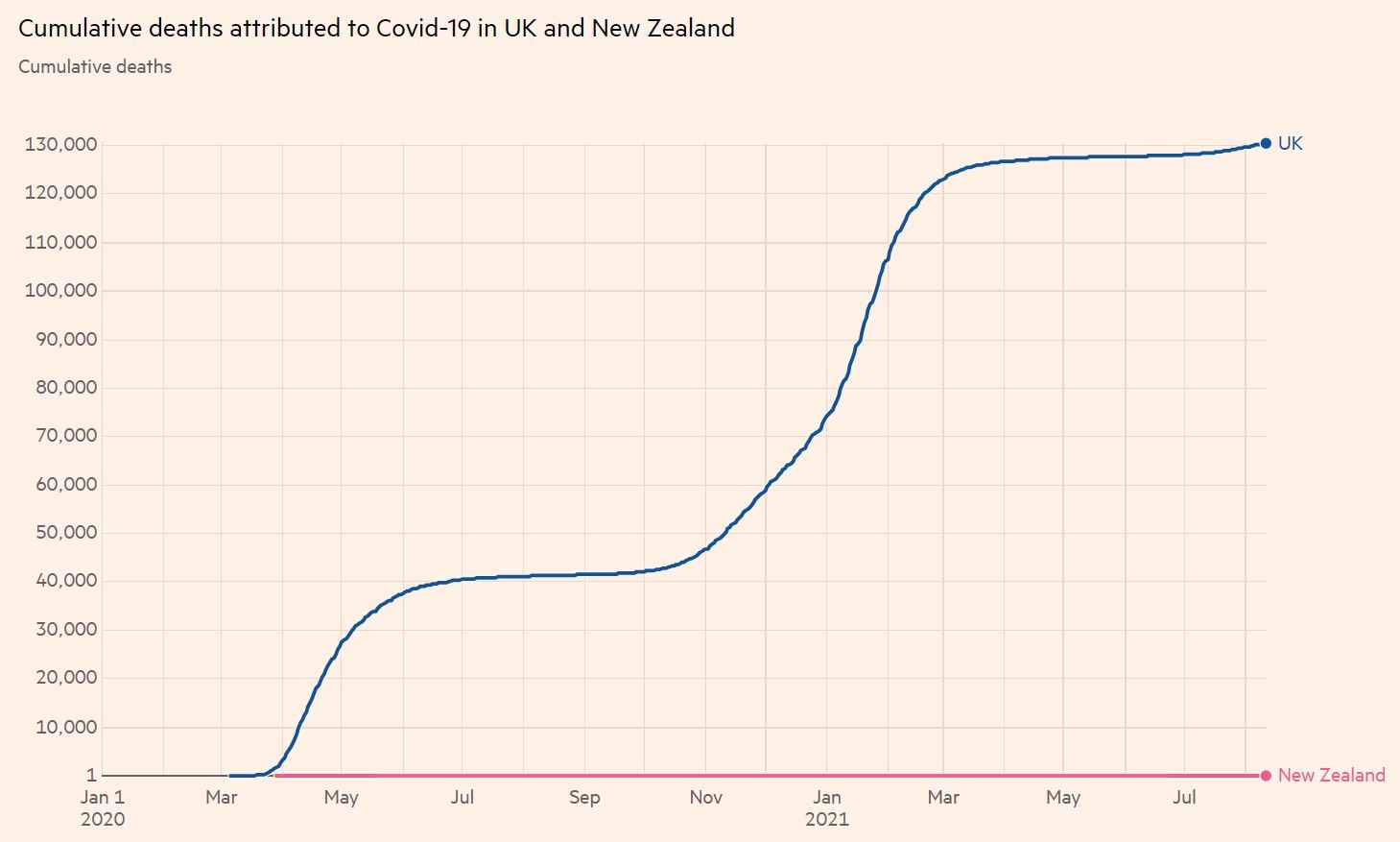
|
||||||||||||||||||||||||||||
|
Wednesday 11th August |
||||||||||||||||||||||||||||
|
Back from a few blog rest days. Family stuff and the delightful annual cricket outing to New Road Worcester. Shame about my childhood team's dismal showing. The "Rapids"? In name only.
This last week saw a major headline shift from Covid to climate change. My Mediterranean dreams of the last week look a little shallow after the release of the Intergovernmental Panel on Climate Change (IPCC) report. Hankering after a southern idyll comes at a cost. Here's a photo of holiday diners in Greece: 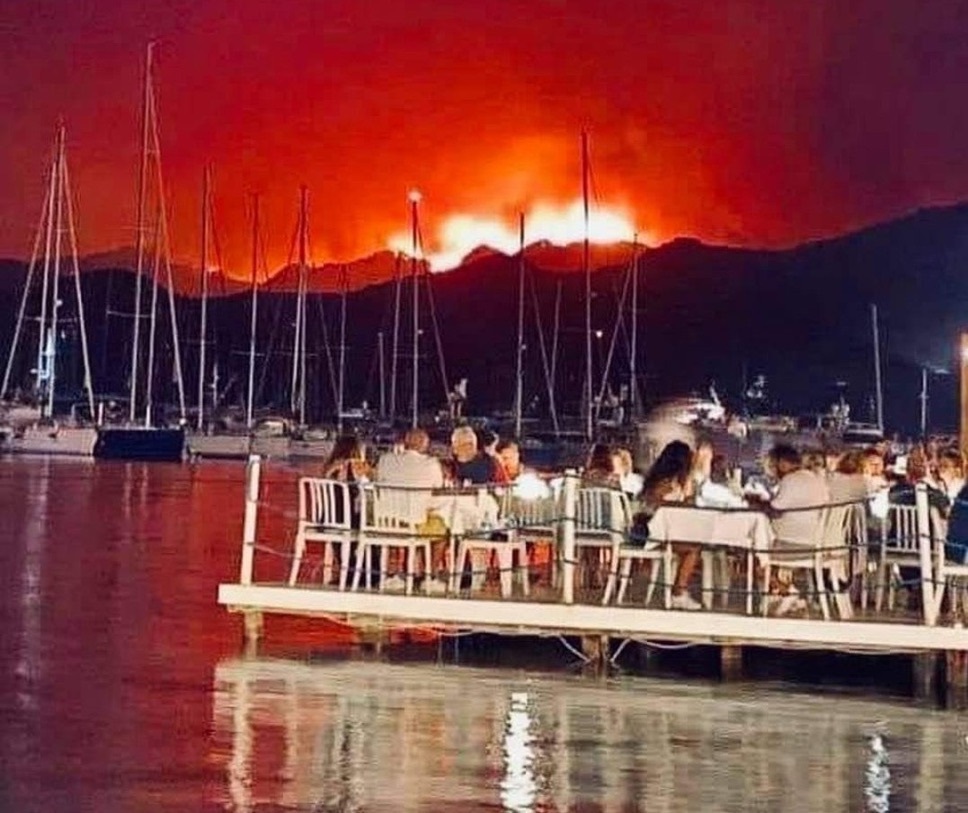
Fiddle while Rome burns? I tried to download the report from the IPCC on Monday morning. Clearly many others were attempting to do the same. The site was unavailable for most of the day. My browser reported suspicions of a DDoS (Distributed Denial-of-Service) attack, which implies a significant hammering by eager enquirers round the world. I got there by late afternoon. Here's the "Summary for Policymakers" (42 pages): While the document - as with the Covid statistics in these pages, evidence of staggering scientific industry and expertise - is dotted with qualifying phrases such as "virtually certain" and "very likely", its drift is unarguable. Here are some headline statements from section A "The Current State of the Climate":
Another chart (click to enlarge) shows predictions of global warming increase caused by CO2 emissions. There is a range of scenarios, from SSP1-1.9 to SSP5-8.5. SSP stands for Shared Socio-economic Pathway. Hmmm. OK. Work to do, eh? At an anecdotal level, I decided yesterday to come back to Stroud from Worcester on the old "river road" via Upton-upon-Severn. There was a mile-long queue out of the city towards Malvern. I was part of it. Delays on the massive new ring roads, all developed since I grew up there in the 1960s. It's a massive task to reverse the climate-damaging trends of my lifetime. Of course, it's a world challenge. Here's a chart (click to enlarge) of country shares of C02 emissions (Union of Concerned Scientists - founded at the Massachusetts Institute of Technology 50 years ago - August 2020): 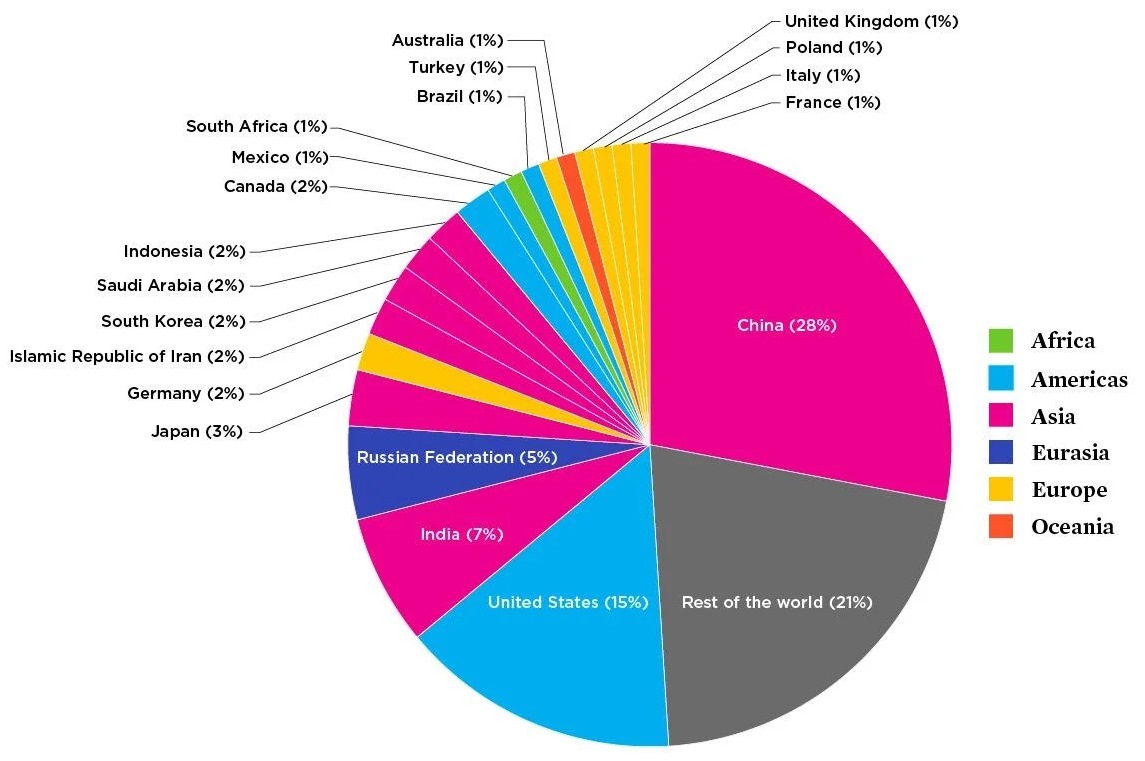
As I once heard, "For every person in Britain who gets out of a car and onto a bicycle, 100 people in China are getting off their bicycles and into cars." Britain is clearly not blameless; we started the process leading to the current climate emergency in 1760. How do you deny 1.4 billion Chinese their new-found industrial hegemony? Local Stroud entrepreneur Dale Vince - founder of green energy company Ecotricity and chairman of eco football club Forest Green Rovers - was interviewed by TalkRadio on precisely these issues: Honest, I saw the interview AFTER I wrote today's post. |
||||||||||||||||||||||||||||
|
Saturday 7th August |
||||||||||||||||||||||||||||
|
A final note on the Write Around the World series (see this blog yesterday and the day before). This is for Stroudies.
Richard E Grant talked in the Italian episode about Carlo Levi's 1945 book Christ Stopped at Eboli (Cristo si è fermato a Eboli). Levi was arrested for his anti-fascist activism and the book is an account of his exile from 1935-1936 to Grassano and Aliano, poor remote towns in the region of Lucania, known today as Basilicata. In the book he changed the name Aliano to 'Gagliano', based on the local pronunciation. Eboli is in Campania, about 90 miles west-north-west of Aliano. Levi explained: "The title of the book comes from an expression by the people of 'Gagliano' who say of themselves 'Christ stopped short of here, at Eboli' which means, in effect, that they feel they have been bypassed by Christianity, by morality, by history itself - that they have somehow been excluded from the full human experience." When I mentioned the book to Sarah, she heard "Christ Stopped at Ebley" - a rather nondescript western suburb of Stroud, seat of the district council offices. Sounds about right, I reckon. 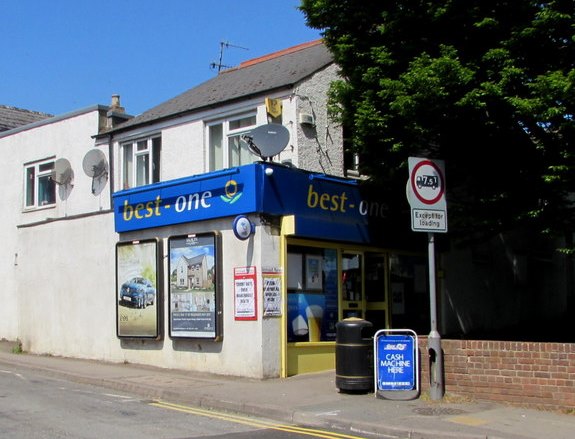
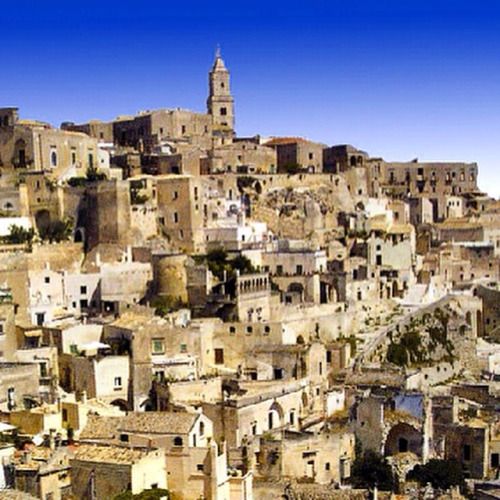
My friend and loyal reader Alf Florio has found his copy. Proper book, innit? History in its thumbed cover, battered spine, ink stains(?). 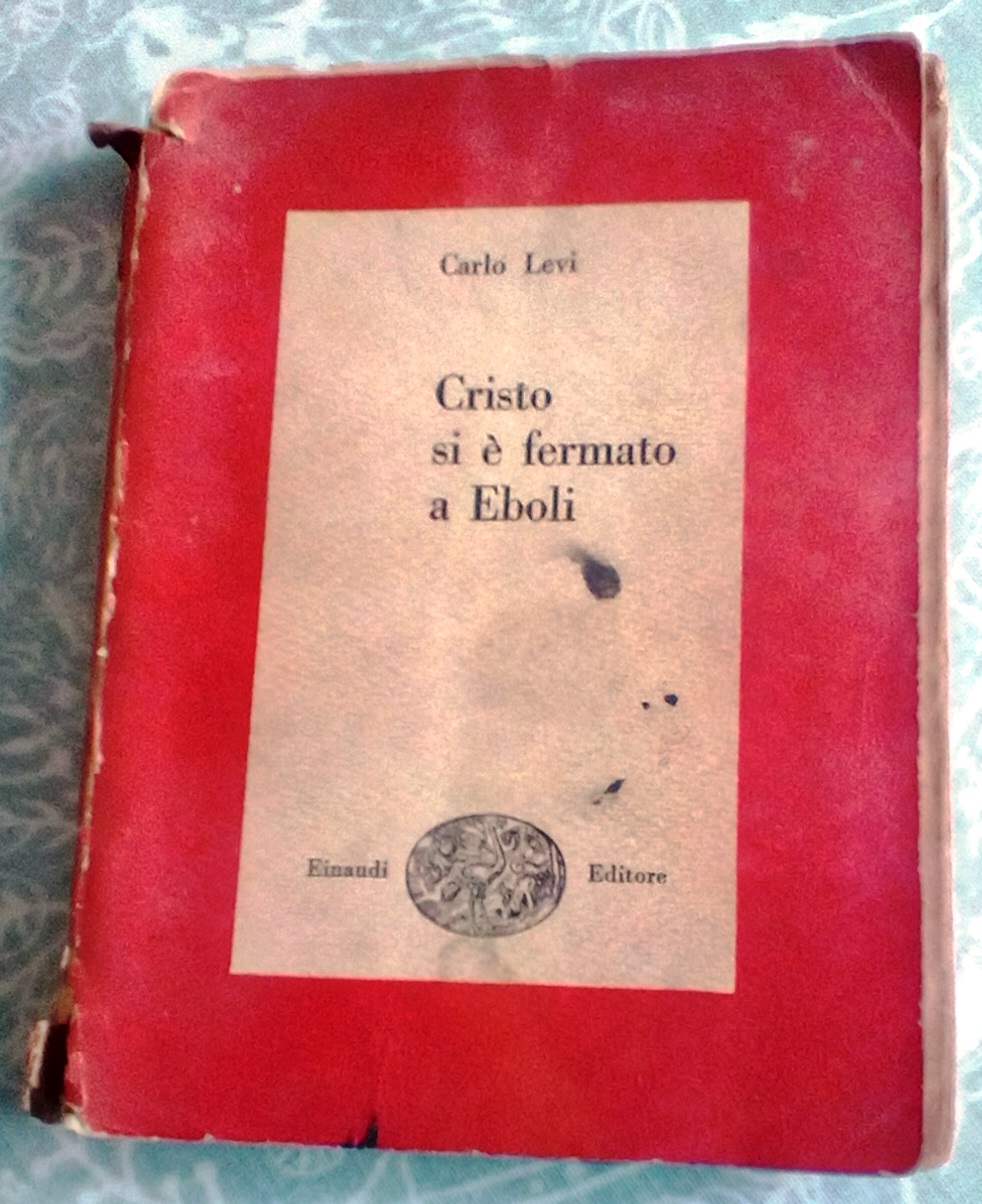
|
||||||||||||||||||||||||||||
|
Friday 6th August |
||||||||||||||||||||||||||||
More thoughts on missing the Mediterranean. It is of course possible to travel, but hampered by confusion and impediments. Our government positioning is volatile. Other countries vary in their attitude to infection-ridden Britain. I still have in mind a trip to Sicily in the autumn. Italy demands the following:
I will have to dream for a little while yet. I've posted these two pictures before; they'll have to do for now. 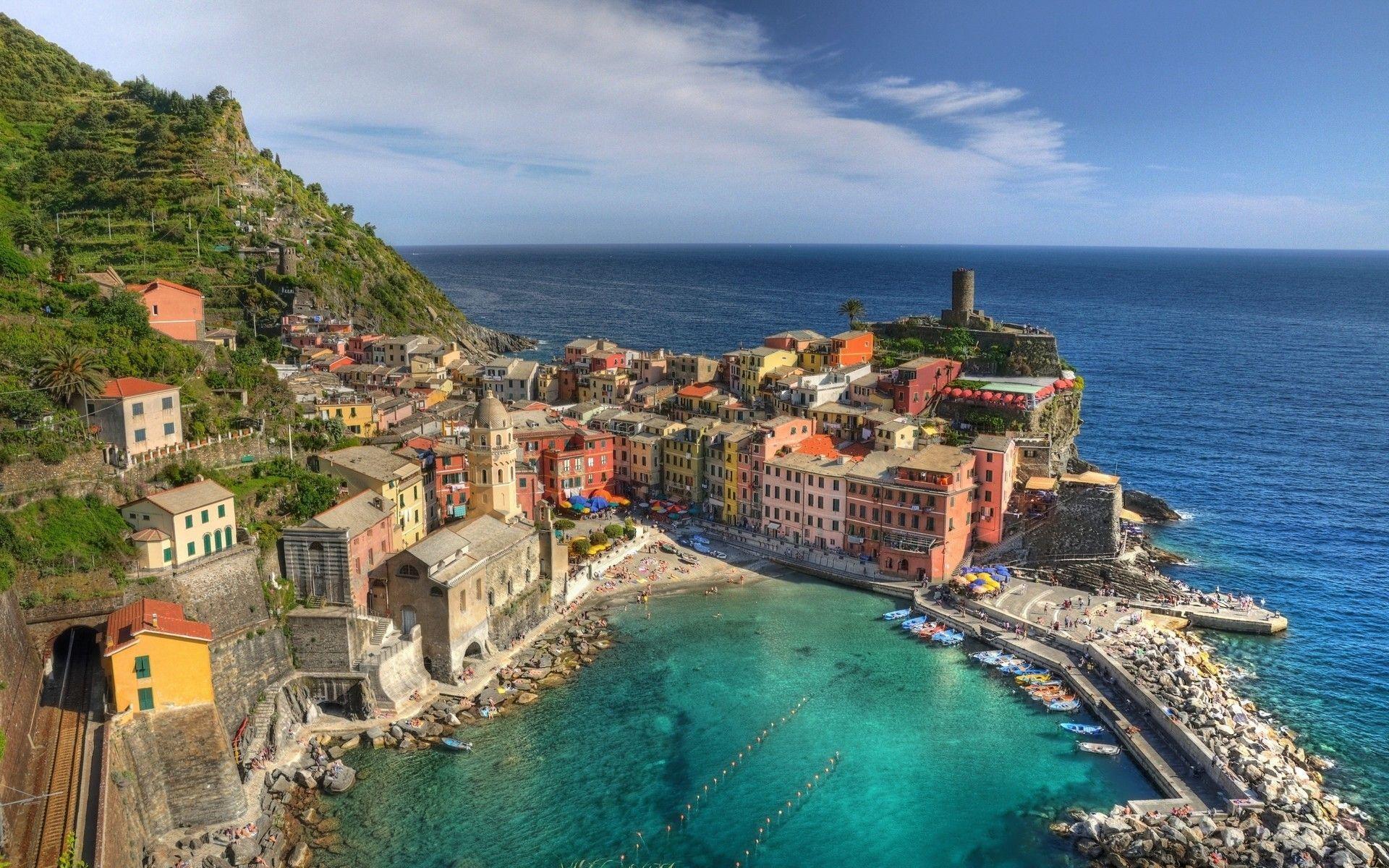
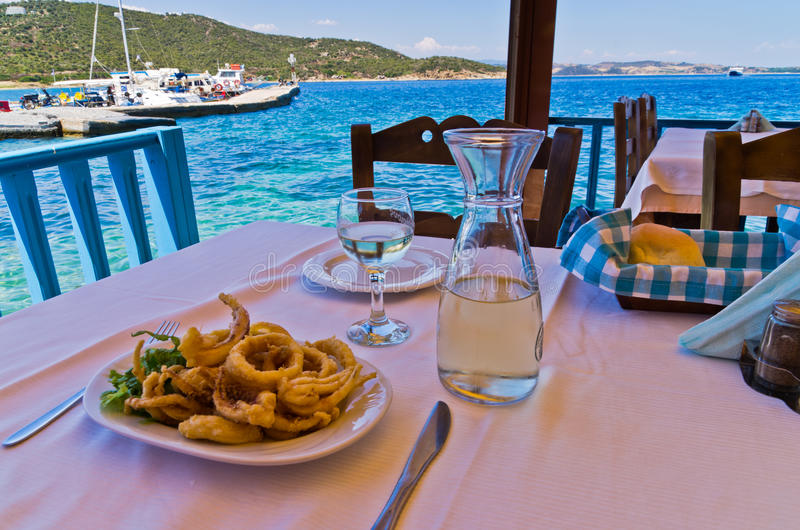
There are also the books that Richard E. Grant chose for Write Around the World (see yesterday's blog). Sarah has dug out the Elena Ferrante four-volume Neapolitan Novels, the first of which is L'Amica Geniale (My Brilliant Friend): 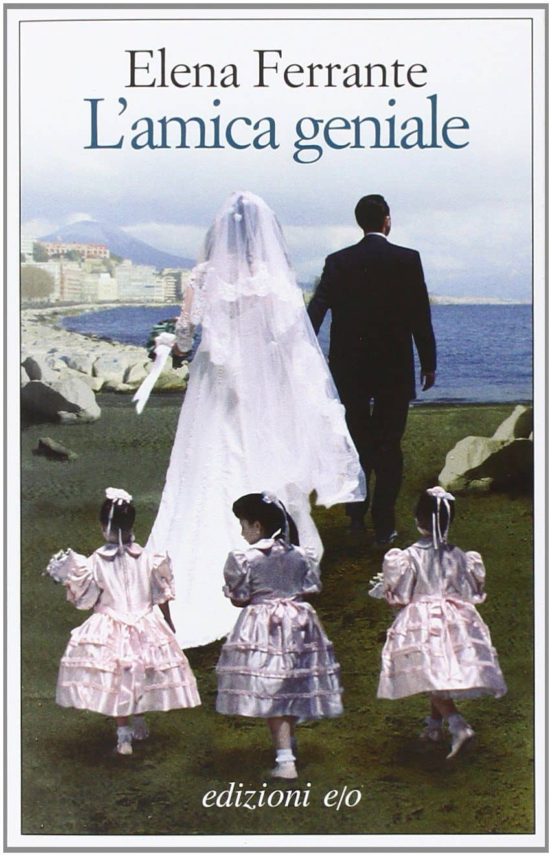
Most of Grant's selection are by authors who have fulfilled their longings of moving south. They have great stories. Chris Stewart was the original drummer and a founding member of Genesis, fired by the band in 1968 at the recommendation of their producer, music entrepreneur Jonathan King. He bought a farm named El Valero in the wild Alpujarra region of Andalucia, where he now lives and works with his wife Ana Exton. He's known for his autobiographical books about the farming life in Spain, starting with the 1999 Driving Over Lemons: An Optimist in Andalucia. 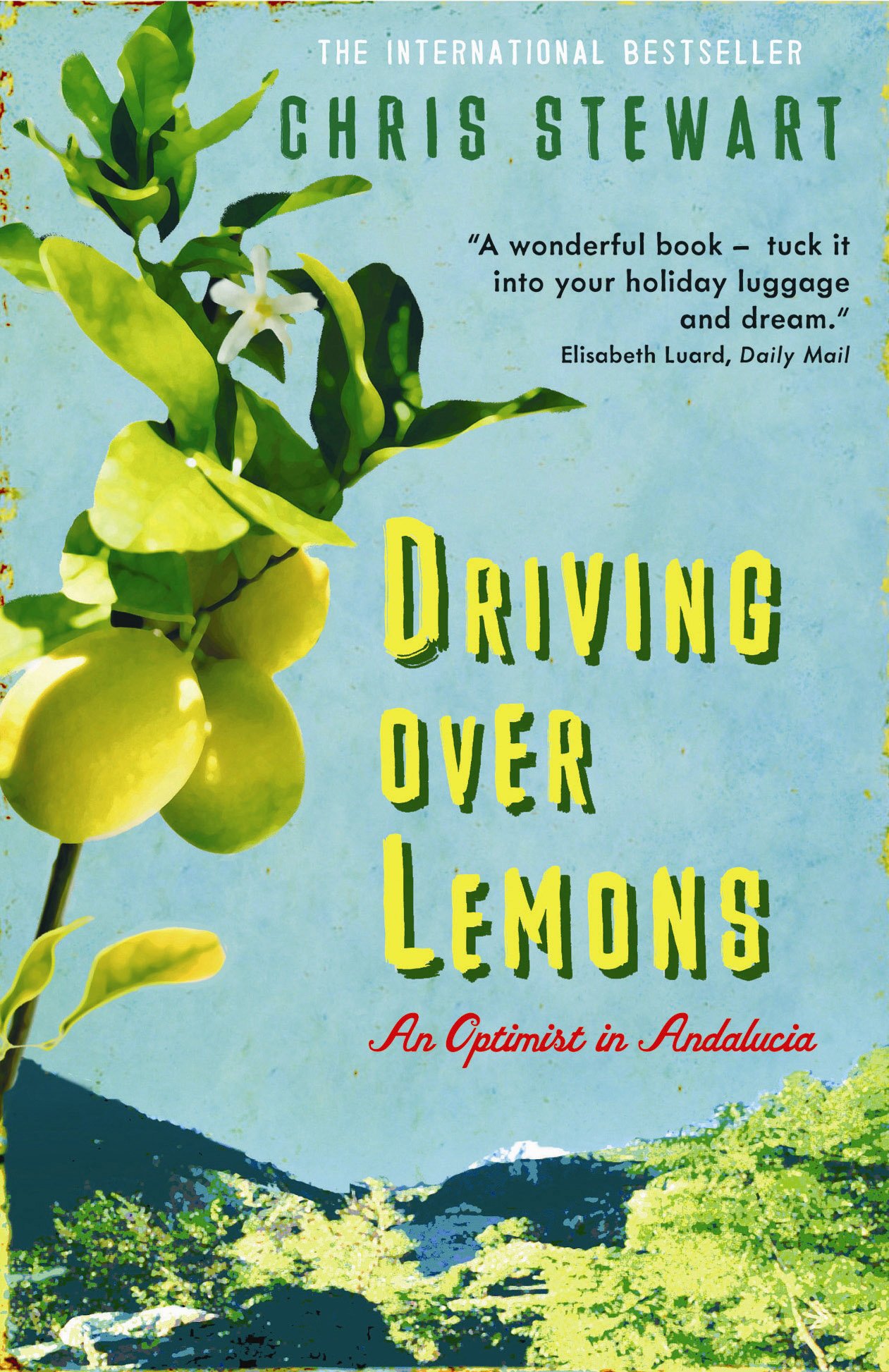
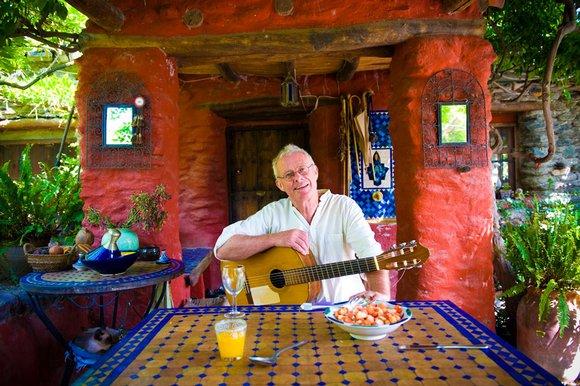
Grant is clearly a food-lover. In the southern France episode he celebrates the writing of Elizabeth David, whose A Book of Mediterranean Food was published in 1950. Her recipes called for ingredients such as aubergines, basil, figs, garlic, olive oil and saffron, which at the time were scarcely available in Britain. I've lost my copy, but still have her Italian Food, grubby and well-thumbed. 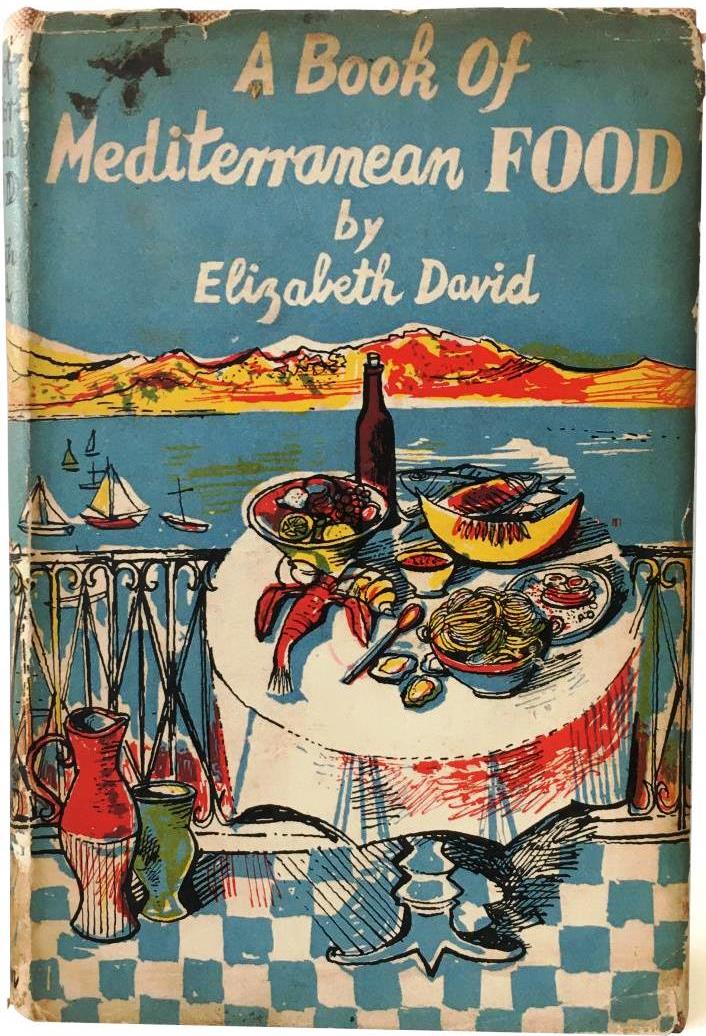
Books and cooking are all very well, but perhaps I'd better devote more time to planning, a late - we hope - pandemic project, to convert the dream into reality 😎 I'm lucky enough to be able to consider the possibility - big on the gratitude list. I'm acutely aware that Covid-19 has brought pain and privation to many. There are countless regions in the world where survival is the only aim; there's no luxury of Mediterranean wish fulfilment. |
||||||||||||||||||||||||||||
|
Thursday 5th August |
||||||||||||||||||||||||||||
|
Following my 500-days-of-blog review yesterday, I had some further thoughts overnight.
Mostly about "learn to live it". We really are having to do that. Coronavirus has not gone away. The vaccination programme is not complete, even in the UK, and then there's India and Africa. While the virus may not dominate the news headlines as before, it's a strong undercurrent, ever-present. I have not found social restriction and lockdown too difficult to bear, but like many, I'm sure, I'm tired of the background noise. 18 months of a pervasive but invisible danger, the bringer of much pain and grief, the stimulus for mostly unwelcome changes in lifestyle. This blog may serve to intensify my awareness of Covid, place it more in focus than for other people; after all it's - predominantly 'though not exclusively - what I write about. I don't intend to stop, there's still much of the journey ahead. I may just have to make a greater effort to look outside and beyond. The news from Wuhan emphasises the virus's persistence, an ironic full circle. Citywide testing again, domestic travel restrictions, residents rushing to stock up on daily supplies, hence empty shelves and long lines at supermarkets. Delta has come to town. In perspective, according to FT/Johns Hopkins the UK registered 26,104 new cases (raw figures, 7-day rolling average) two days ago, China 75. Click to enlarge the graph below: China, in marked contrast to the UK, has a ruthless zero-case strategy. In conversation this morning my friend Guy proposed this debating topic: "Would you prefer to live under an autocratic regime with a minimal risk of contracting Covid, or with Boris's libertarian "personal responsibility" approach and high numbers of infection? Discuss." What I've been missing most is travel to my daydream destinations, usually Mediterranean. This has been sharpened by watching the Richard E. Grant BBC Four series Write Around the World, in which he "sets out in the footsteps of great writers from past and present whose work has been shaped by a country and culture". We've seen two episodes, on southern Italy and Andalusia, southern France to come. Beautiful scenery, delicious food, charming people, lively traditions. I want to be there. 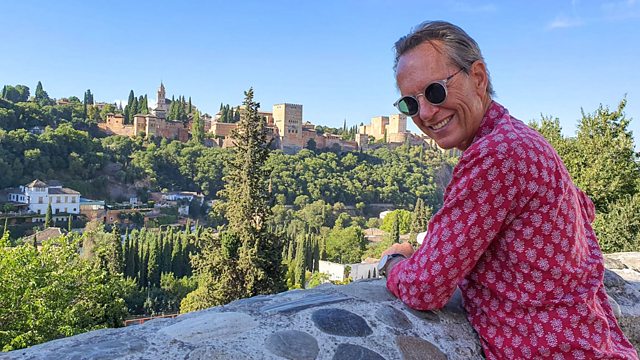
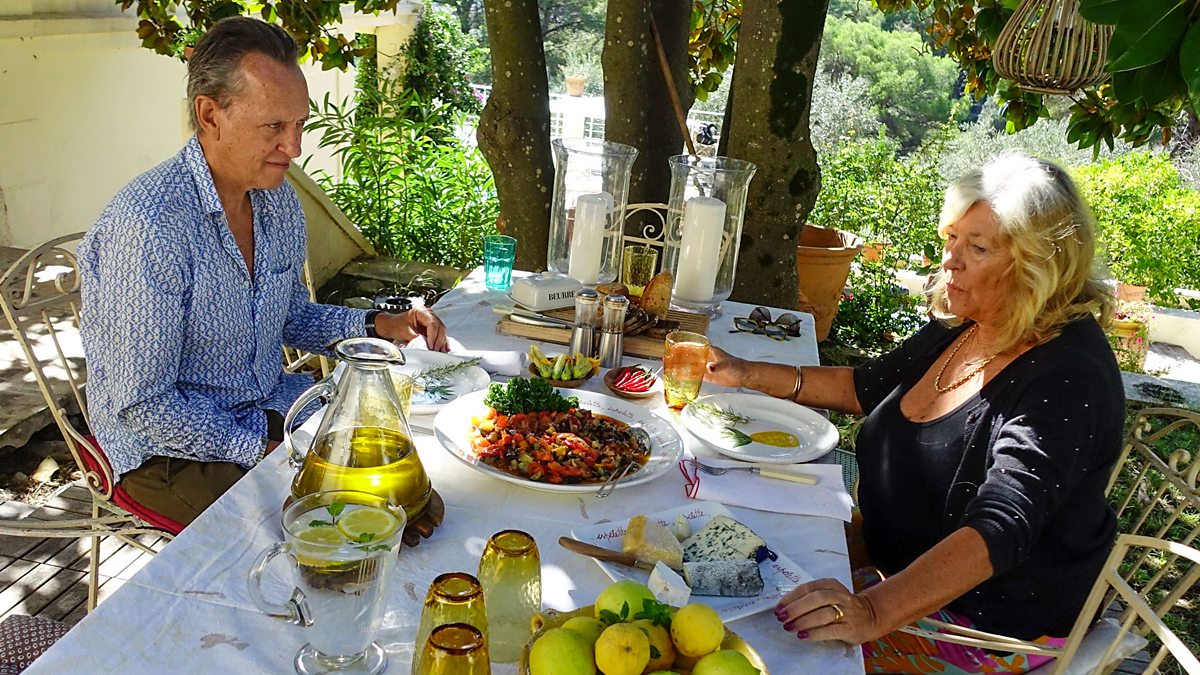
|
||||||||||||||||||||||||||||
|
Wednesday 4th August |
||||||||||||||||||||||||||||
|
500 days since I started all this. Please indulge me as I rattle through a few site statistics, rather inward-looking, I know, but I'd like to mark the occasion. The blog's been my daily friend through this pandemic.
Just over 150,000 words to date (not all mine as I've quoted widely), roughly the equivalent of 320 pages of A4. It's not attracted a huge audience, but enough. Thanks are due to my loyal readers - you know who you are 😁. I've used the Microsoft site analysis tool Clarity over the last two months - don't worry, it returns strictly anonymous data, no privacy-threatening stuff. As expected the bulk of interest has been in the UK. What surprises me is the presence of overseas visitors. Here is the complete list of countries in descending number of users: United States, Germany, Australia, Singapore, France, Italy, Japan, India, Netherlands, Canada, Mexico, Romania, Spain, China, Brazil, Czech Republic, South Africa, Belgium, Norway, Ireland, Austria, Kenya, Isle of Man, Philippines, Pakistan, Nigeria, Switzerland, United Arab Emirates
[End of geekiness] More importantly, where have we been in this pandemic and where are we going? I'm going to take a global view, not just the UK perspective. On 2 August 2021 the WHO reported these cumulative totals: 4,227,359 deaths; 198,234,951 confirmed cases; and 3,839,816,037 vaccine doses administered. Here are four FT/Johns Hopkins charts (click each to enlarge) covering the whole duration of the pandemic from 1st January 2020 to 3rd August 2021. I've chosen six countries/territories that have featured strongly in the blog: United Kingdom, United States, European Union, India, Brazil and New Zealand. The data sets are: cases (raw numbers); cases (per 100k); deaths (raw); and deaths (per 100k). What do I learn from them? Notes after each graph. Cases (raw numbers): We see the significant infection peaks first in Europe in November 2020, then the USA in January 2021 and finally the massive India spike in May this year. The current levels - even if numbers in the USA are rising - are markedly lower than those peaks. Cases (per 100k): Proportionally the UK and USA were out ahead in winter 2020/2021. The UK stood alone this last mid-July. Deaths (raw numbers): If you look at the first wave in March/April 2020, you can see how the UK, EU and USA were caught unawares. We all ignored the prescient warnings from Bill Gates in 2015. None of us had watched and learned from the experiences of SARS and MERS in the far-east. Next, why did we see the December 2020 to February 2021 surges in the EU and USA, to a lesser extent (in absolute numbers) in the UK? Bungling governments? Hitherto unknown variants? Immature science? No vaccines yet available? Then we had the late arrival of Brazil and India in spring 2021. Most of the aforementioned causes apply. Slow vaccination programmes, even in the world's biggest vaccine producer. The incompetence of Modi and downright denial of Bolsonaro. Deaths (per 100k): The two Bs - Boris and Bolsonaro. Plus Trump. In the UK, there has been a dramatic drop in deaths from late January to June this year. The PM has done nothing but crow about the vaccination programme - enabled by talented and committed scientists and medics. But the earlier handling of the crisis? He didn't cover himself in glory. Of all the countries shown, New Zealand has been the place to be 😉 For the near- to mid-future, the first global challenge is vaccination. Here's the latest Our World in Data summary (click to enlarge) of my chosen six countries/regions with the addition of Africa and World: I'm surprised that Brazil has got even as far as it has. Startled by New Zealand. I suspect that Jacinda Ardern has done it all with control, plus harnessing the benefits of NZ's distance from others and a small, willing and decent population. But Africa, India, the world? As the WHO keeps reminding us, we have to confront and resolve vaccine inequality. There is no solution that isn't global. The human race is "all in it together". And beyond? There's a long way to go, to get "out of the woods". If you look at the Our World in Data fully vaccinated levels in three of the wealthiest and most privileged regions - UK 57%, USA and EU both 49% - there's still work to do even there. India's at 7.5%. Africa hasn't even got a percentage against it; the nearest is 0. There is a long list of underlying factors - nothing to do with a virus - to be addressed: poverty, sub-standard living conditions, poor hygiene, corruption, greed and more besides. One of the brighter aspects of the last two years has been the success of vaccine development. The accepted cycle of 5-10 years required to deliver turned on its head, reduced to a year. I hope that science and its medical application will continue to prosper. Then, of course, we look to human behaviour, Boris's "personal responsibility". At various levels - individual effort and care, community awareness, government will, international cooperation. Not too much to ask, is it? |
||||||||||||||||||||||||||||
|
Tuesday 3rd August |
||||||||||||||||||||||||||||
|
On Sunday Lewis Hamilton said after completing the Formula 1 Hungarian Grand Prix that he suspected he was suffering from long Covid:
"I have been fighting all year with my health after what happened at the end of last year [Ed: he contracted the virus in December] and it is still a battle. I had really big dizziness and everything got a bit blurry on the podium. I haven't spoken to anyone particularly about it but I think it is lingering. I remember the effects when I had it. The training has been different since then and the levels of fatigue you get are different and it's a real challenge. So [I'm] just continuing to try and train and prepare the best way I can. Who knows what it is today? Maybe it's hydration but I've definitely not had that experience. I had something similar in Silverstone but this is way worse." He'd just driven 70 laps of the Hungaroring, fighting back from last of 20 starters to come third (second after Sebastian Vettel was disqualified). A race distance of 190 miles, just under 2 hours 5 minutes of driving, 910 bends to negotiate. I'm knackered after a 65-mile round-trip to Bristol, and I haven't - another for the gratitude list - got long Covid. 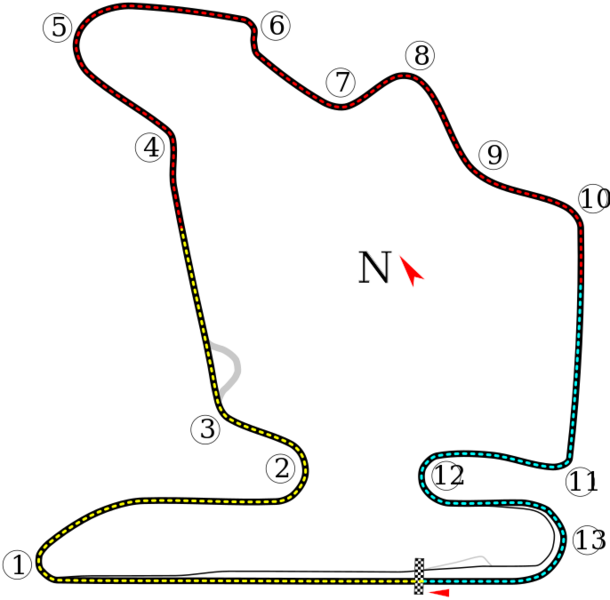
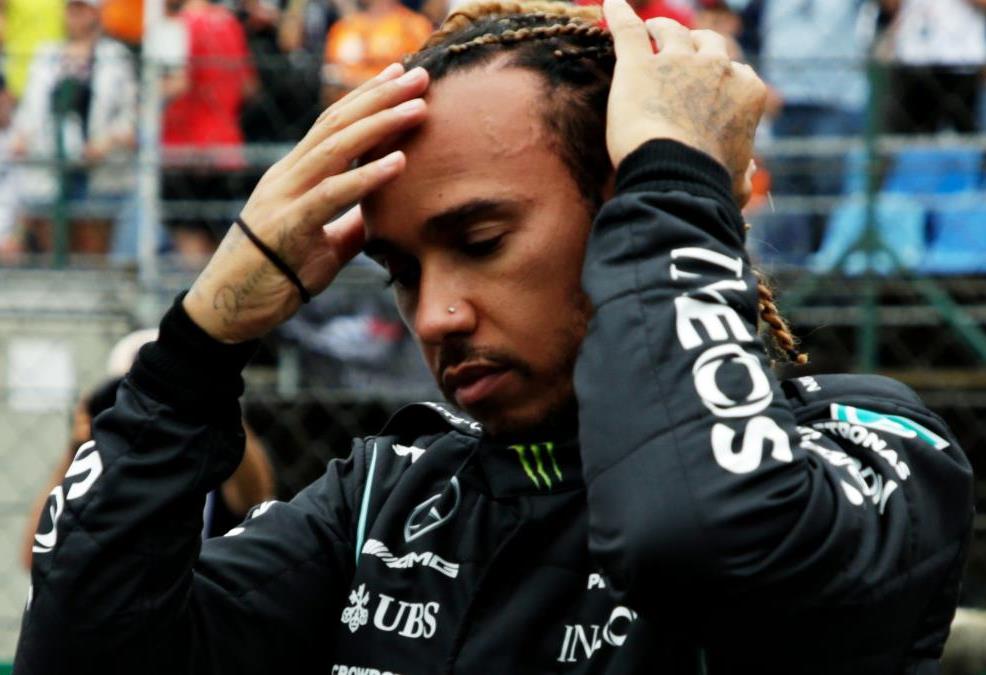
A remarkable talent and a dramatic performance. But isn't he a danger to himself and his fellow competitors? I'm surprised that the governing body FIA (Fédération Internationale de l'Automobile) hasn't suspended him. You really wouldn't want to have a funny turn on the pit straight at close to 200mph, would you? Dizziness and impaired vision? "Hold on, is that one Ferrari or two in front? Which side do I go?" |
||||||||||||||||||||||||||||
|
Monday 2nd August |
||||||||||||||||||||||||||||
|
One of the features of the pandemic has been the rise of the statistician, the backroom wizards (I imagine them hunched below anglepoise lamps wearing green eyeshades) behind a Downing Street briefing slide show. Hidden from view, is their work far closer to the front and centre of public consciousness than ever before? There must be armies of data-gatherers and number-crunchers out there, sitting astride terabytes of databases and spreadsheets. Conducting surveys, entering data, slicing-and-dicing the output, extrapolating trends and visualising the raw ingredients in charts and graphs for the edification of us mere mortals. As you will know by now, I'm a fan.
Here's a 12-month+ chart of new cases that I haven't posted before (click to enlarge). It reveals some of the behind-the-scenes industry that might end up with Chris Whitty saying: "Next slide, please". The chart is published by the Office for National Statistics (ONS) and displays data from two sources. What's the difference? The NHS Test and Trace (NHSTT) figures come from the Department of Health and Social Care (DHSC), actual positive results, as it were "factual" records. They are taken from private households, care homes and hospitals. The subjects are those who participate in - are sucked into? - NHSTT or are, for example, obliged to submit to tests after admission to hospital. The COVID-19 Infection Survey (CIS) addresses only people who are in private households; those living in care homes, other communal establishments and hospitals are not included. CIS is an ONS study and is what it says - a survey. It's run in collaboration with Oxford University, Manchester University, Wellcome Trust and IQVIA, an American multinational research company. Participating individuals are invited, randomly selected from a nationally representative sample of approximately 320,000 respondents drawn from the Annual Population Survey (APS), a government project launched in 2004. They're tested every week for the first month and then every month from their first visit for a year. The survey covers everyone in the sample regardless of whether they report they are experiencing symptoms. These latest findings both roughly follow the same curve. The CIS results suggest higher levels of infection. The ONS states that "the methods and approaches from the Coronavirus (COVID-19) Infection Survey and NHS Test and Trace are different. Direct comparisons should not be drawn between the data published from each study." "So?", I hear you say - and I rather agree. I'll stick with the weekend's top-level ONS headlines, which look - from the excluded population groups - like they're based on the CIS results. On 30th July: "The estimated percentage of the community population (those not in hospitals, care homes or other institutional settings) that had COVID-19 was:
Can we rely on the statistics above? One strand follows NHSTT reported infections, and we know how reliable that scheme has proved. The other is a survey, not a statement of facts. Still, I suspect both exhibit some resemblance to the truth. You will know the remark attributed (by American writer Mark Twain) to 19th century British PM Benjamin Disraeli: "There are three kinds of lies: lies, damned lies, and statistics." 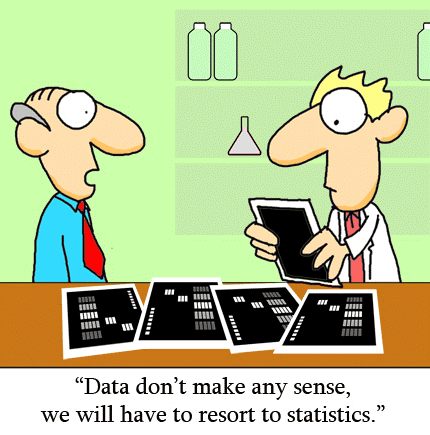
|
||||||||||||||||||||||||||||
|
Sunday 1st August |
||||||||||||||||||||||||||||
|
Self-isolation has provoked me into doing something I've never done before. Planning our food consumption for a whole week, breakfast, lunch and dinner. Choosing dishes way ahead of each culinary event, writing a detailed list of ingredients, then ordering online, a process that would not have been possible but for the advent of digital technology.
I've always shopped and cooked as part of the rhythm of everyday life. Finish work - or whatever else I'm doing these days - go out to browse the possibilities, buy, cook and eat. This way certainly saves time. Devising the meals, picking the products - I was done-and-dusted in an hour. It means we can keep our distance from others and still eat, but imperils the soul. Where are the chance meetings with friends, conversations with favourite shop-keepers, simply being part of society? I remember when living in Italy years ago food shopping was part of the fabric of existence, an integral aspect of the passeggiata. Wander under the porticos of the old town centre, pop into a variety of small shops, discuss options with owners, gain inspiration, enjoy the smell of a delicatessen or vegetable stall, meet a mate and go into a bar, stumble across a street performer. A feast of inter-connection and sensation. Instead, I've scoured a screen, typed my requirements and paid via electronic banking. I've not been out in a physical landscape nor interacted with another living being. There's also the absence of sight and touch. I bought some tinned apricot halves to go with porridge and yoghurt in the mornings. The cans I received are only half-size. I've got far too much fennel for my lunchtime salads. I didn't read the published volumes and weights properly. Normally you can see the real size of items, even assess amounts by hand. I'm not complaining, honest 😉 There's fascinating tech innovation behind the online service. But it's a worrying dilution of humanity. Why do I need the convenience and time-saving, particularly in retirement? The exact reverse is where pleasure lies. I want to spend more time in outdoor markets, converse with stall-holders, be surprised and delighted by what they have to offer, hear their stories. Supermarkets are already poor sources of spiritual nourishment; accessing their wares via a computer downgrades the experience yet further. I've learnt to be solitary during this pandemic. I've spent a lot of my adult life in front of a PC screen. But I need to be wary. I must get out more - cautiously and slowly we're told - when the end of our isolation permits. |
||||||||||||||||||||||||||||
|
Saturday 31st July |
||||||||||||||||||||||||||||
|
The odd thing about this stint of self-isolation is the absence of "all in it together". We're not, it's just us - apart from son Ben and a million pinged others. Different to the earlier lockdowns. Our friends are enjoying "freedom". We had to refuse a dinner invitation last night. Sarah is missing a big event today, a show called "Notre Dame de Paris" at the nearby ruined Woodchester Mansion. Her Salvadorean asylum seeker is performing. Sarah has been ferrying him to and from the mansion for two weeks to attend rehearsals. Disappointing.
My friend Alf Florio's daughter Martha drew a picture of a bike she saw in town. It was mine 😂: 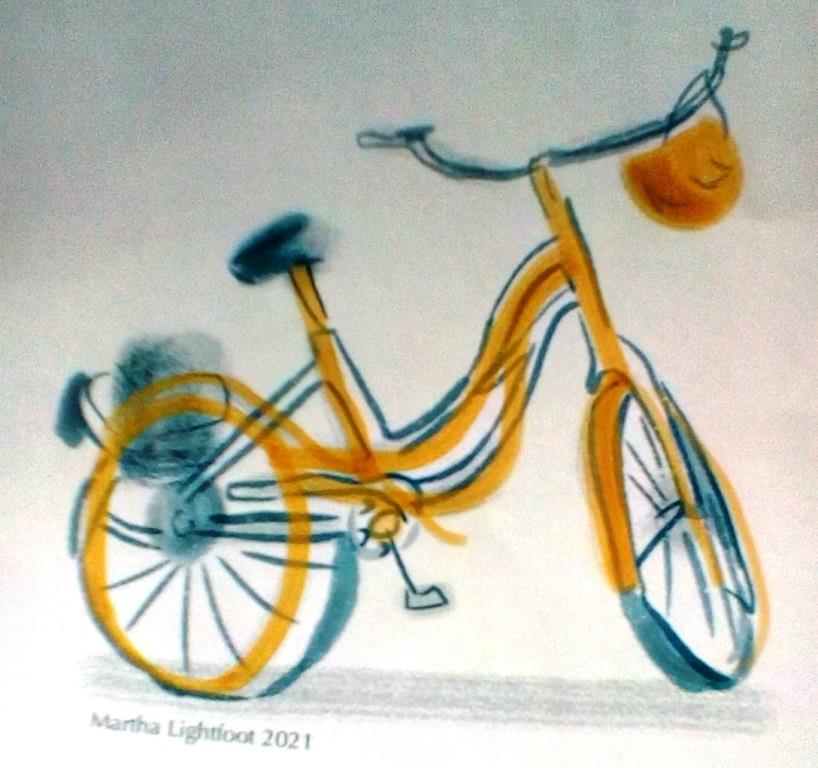
Bikes have been in the news. Cycling boomed during the early days of Coronavirus. According to Department of Transport statistics, on 9th May 2020 usage reached 384% of pre-pandemic levels. In contrast, on 20th April 2020 car traffic had shrunk to 22%. Sadly these numbers have drifted back to "normal". On 18th July 2021 motoring was at 109%. Bikes, although not reaching the May 2020 levels, were still up at 145%. Rachel White, head of public affairs at charity Sustrans, "custodians of the National Cycle Network", has said: "We would like the resurgence in cycling that we saw during the lockdowns in England to herald a golden age, rather than be wasted." The government claims: "Last summer, the Prime Minister launched ambitious plans to boost walking and cycling, with a vision that half of all journeys in towns and cities are walked or cycled by 2030. This includes a £2bn package of funding for active travel over five years, which is the largest amount of funding ever committed to increasing cycling and walking in this country." 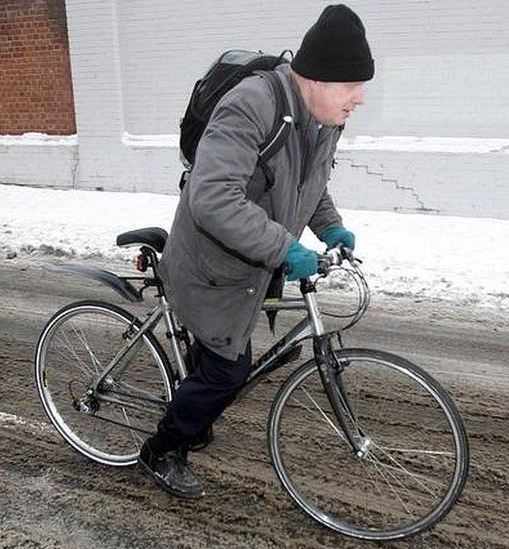
Here's a laudable online development. Our friends Nell and Dave have given us a birthday voucher for a Migrateful cookery class: 
The organisation website explains: "Migrateful runs cookery classes led by refugees, asylum seekers and migrants struggling to integrate and access employment. The cookery classes provide ideal conditions not just for learning English and building confidence, but also for promoting contact and cultural exchange with the wider community. "Due to legal, linguistic and social barriers, finding work can be extremely difficult for many migrants. Being unable to provide for themselves and their families has significant negative effects on self-esteem and mental health. "Migrateful's mission is to empower and celebrate refugees and vulnerable migrants on their journey to integration, by supporting them to run their own cookery classes." Brilliant. It will help with self-isolation 😷. |
||||||||||||||||||||||||||||
|
Friday 30th July |
||||||||||||||||||||||||||||
|
Our Covid tests have come back negative. A relief. The benefit of double jabs?
One minor drawback of going to an official test site is that we're now in the "system". The first emails have arrived from "notifications.service.gov.uk". I have a slight sense of "Big Brother" disquiet. I'm sure it's all for the "Greater Good". One advisory note surprises me: "You can return to work if you've not had a high temperature for 48 hours and feel well. Contact your employer first." Not applicable. I no longer have a place of work, no employer. Another email involves the NHS app: "Your recent coronavirus test has come back negative. Please enter your result into the NHS COVID-19 app as soon as possible using this code: xxxxxxx. This will update your self-isolation advice on the app. No personal data will be shared when you enter your test result into the app. If you have been advised to continue isolating, the app has all the latest guidance on self-isolation and what support is available to you. Please make sure that you have updated your app to the latest version. Some older versions of the app do not support the latest test codes. If you do not have the app, please download it now to help protect your loved ones and the NHS. It's free. Just search for 'NHS COVID-19' in the Google Play or Apple App Store." I can't do this. I'm still using a Windows smartphone. Microsoft ducked out of mobile after failing to compete against Android and iOS so of course nobody bothers to develop apps for the platform, which, although it works, is no longer supported. "Deprecated" is the software industry term. But I like it and have no wish to buy a replacement. Will the powers-that-be demand that I do? 😉 I suppose it would mean that I could re-join the WhatsApp community and participate in family, friends and street groups. Sarah has an Android 'phone and has done as requested: downloaded the latest version of the app and registered her result. The email promised that the app would provide detailed advice on self-isolation, but - surprise, surprise - it didn't. We're in the process of self-isolating for ten days even 'though we've tested negative. When was the start point? The moment of contact, the day of the test or that of the result? I can't find clarification. I wonder why all this has to be done via a smartphone. Clearly that's now the device of choice, but why aren't there other routes, if nothing else for the sake of completeness? I'd expect a simple web connection available on any platform. Meanwhile our greatest concern is for son Ben, who tested positive after last Monday's birthday dinner. He's experiencing loss of taste and smell but otherwise feels absolutely fine. His life however is in upheaval. He was due to fly back to Bilbao on Sunday and now can't. He tells me that delay could extend to months, mainly because the UK is no longer part of the EU. His girlfriend Soph has already returned to Spain and isn't going to see him for a while. Their autumn holiday plans are on hold. |
||||||||||||||||||||||||||||
|
Thursday 29th July |
||||||||||||||||||||||||||||
|
Freedom, my a**e. Monday's birthday dinner in St. Werburghs has come back to bite. I wrote, "Napolita was buzzing, in full post-freedom-day flow." I didn't know that one of our number (who shall remain nameless) was to test positive for Covid the next day.
We've gone down the necessary route: 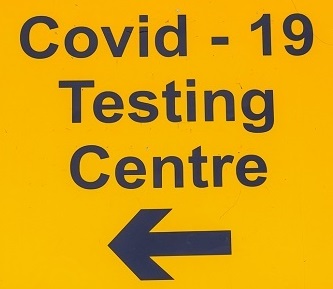
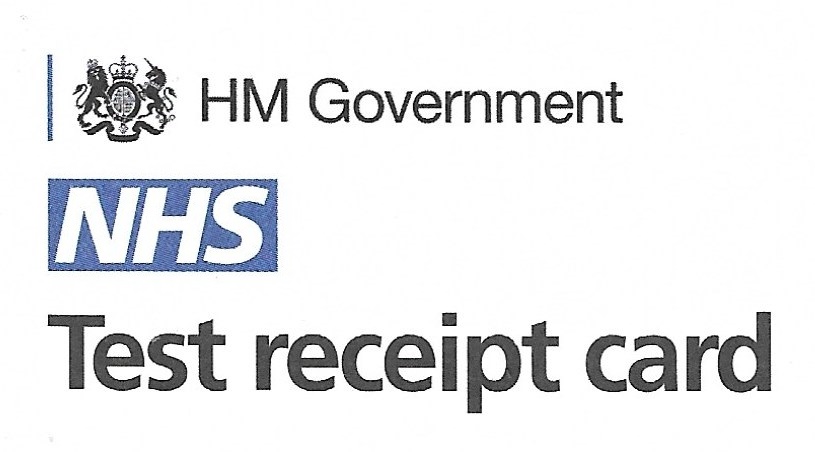
We await results within the next 72 hours. 495 days of writing this blog. Ironic. |
||||||||||||||||||||||||||||
|
Wednesday 28th July |
||||||||||||||||||||||||||||
|
Optimism and progress in headlines from The Guardian and the Daily Telegraph:
It sounds like we're doing them a favour, doesn't it? That seems a bit cheeky if you look at an FT/Johns Hopkins comparison of cases and deaths (per 100k) over the last fortnight, particularly for the EU (click to enlarge): The Daily Mail is bullish: We watch and wait. |
||||||||||||||||||||||||||||
|
Tuesday 27th July |
||||||||||||||||||||||||||||
|
A quick digression. Goings-on in St. Werburghs.
We finally made it to Bristol yesterday evening for our birthday(s) celebration with daughter Ellie. Grandson Marlie's other grandmother - Sarah's oppo - Nanny Pauline was coming as well; it had been her birthday at the weekend too. Walking to the Napolita restaurant from Ellie's house I dropped into Sonni's corner shop. As I completed my purchase the owner said, "Take one of the bears on your way out. Take both of them. They need a good home." Eh? On a bench outside were two large teddies. What could I possibly do with them?! Aha, I thought, a small gesture for Pauline: 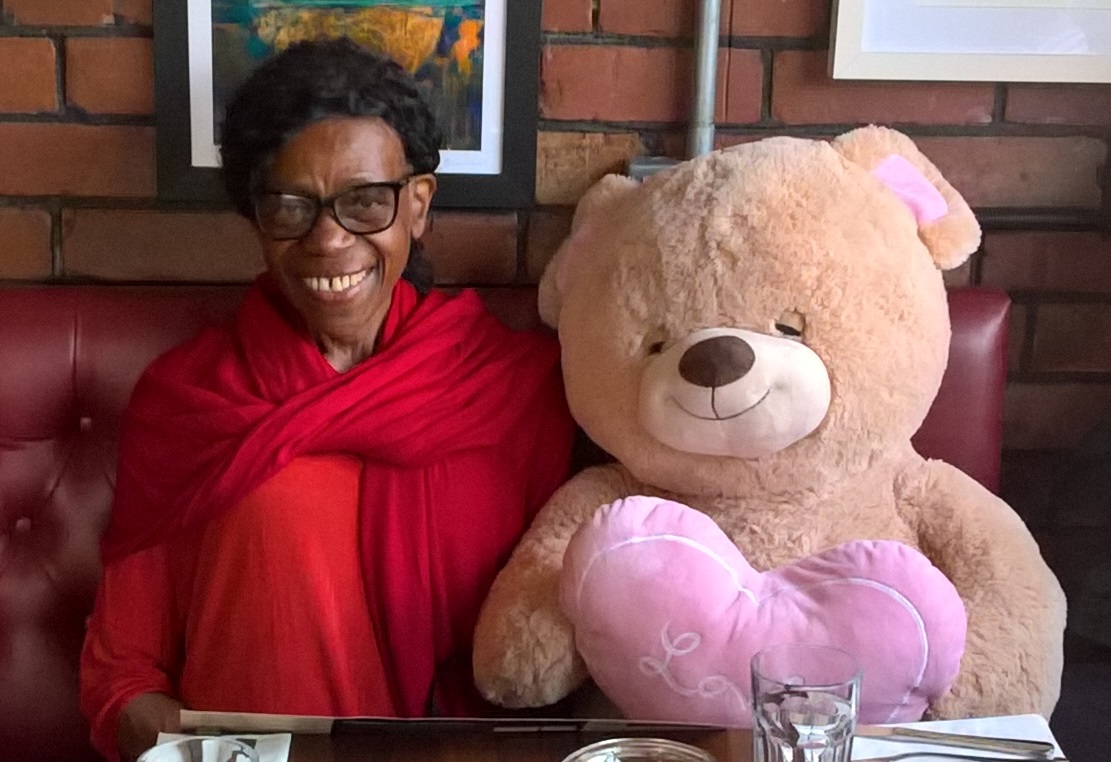
Opposite the restaurant this Range Rover was parked. Talk about bling. 
Napolita was buzzing, in full post-freedom-day flow. Why is the fall in new cases happening? Normally associated with lockdown, it's now in evidence after Step 4 relaxation. We don't yet really know - and will the downward trend persist? - but some are having a stab at answering the question. Professor Adam Kucharski, London School of Hygiene and Tropical Medicine, said: "For me there are two big ones: schools closing and an increased awareness of a growing epidemic - alongside nicer weather. There's constant news coverage reminding us we're in a pandemic. Contact levels post step-3 were far below normal, a third below pre-pandemic levels of 10 contacts per day on average." He added words of caution: "Hopefully we're moving away from that cliff [of hitting 100,000 cases per day] but we are still close to it. One of things you've got to remember is there is a lot of infection still out there. If behaviour changes, then you're only two doublings away from 100,000 (25,000 cases to 50,000 cases to 100,000 cases). I'd like to see another week or two before being confident." |
||||||||||||||||||||||||||||
|
Monday 26thth July |
||||||||||||||||||||||||||||
|
There's a new game for me to play: "Watch the Falling Cases". We've had six consecutive days of it now. There's not been such a pronounced drop since around 10th January. See the FT/Johns Hopkins chart below (click to enlarge):
Am I going to have to eat my words? The previous drop followed the imposition of lockdown measures. The current fall comes after "Freedom Day". Mind you, we don't yet have the full data to see the effect of that date. We're still above other European countries in levels of infection. I've chosen some popular holiday destinations for comparison, cases over the last two weeks (click to enlarge). We're at the top but falling. France is going up. There's no change in Croatia 😉 |
||||||||||||||||||||||||||||
|
Sunday 25th July |
||||||||||||||||||||||||||||
Yesterday was a delightful, blessed day with old friends, most met 50 years ago, gathered together for the first time in 18 months. Hosted by Guy and Judith in the latter's (in that she's done all the work and creative planting) luxuriant garden in Sussex, an afternoon bathed in sunshine, so lucky when contrasted with the downpours we encountered on the return journey to Stroud. Food delicious, different elements contributed by all. A privilege indeed.
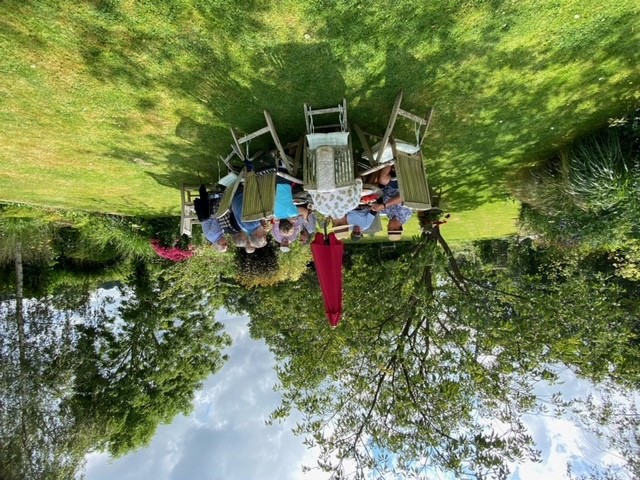
As ever, there were wide-ranging discussions, which triggered further thoughts on the way home. I've felt uncomfortable about giving so much space to Dominic Cummings in this blog. Why does he attract our interest in his continuing demolition of Boris Johnson and his cronies? Cummings may well be an obnoxious weasel but I've decided that he serves a purpose. While the PM self-glorifies on a wave of vaccination euphoria, his former advisor provides an undercurrent of alternative commentary, hacking away at government shortcomings. Most of those round the Cabinet table were elected - chosen - by the public and therefore ostensibly worthy of respect. It's curiously useful to have them described as "morons"; it provides a strange yet illuminating balance. Sarah supports a Salvadorian asylum seeker. He's in this country with some of his family, hounded out of El Salvador by life-threats from the all-powerful drug gangs. We're often told of the Priti-Patel-like inhumanity of our authorities, yet there is another side. He receives minimal financial support from the government, but is provided with tolerable accommodation in a shared house, has access to health services and benefits from free English language classes. Where there is no official support local charities step in; he even has the loan of a bicycle from one. It's a hand-to-mouth existence, disconnected from his extended family - but he might otherwise be dead. In a variety of ways, some of them crucial, the UK has met the needs arising from his life-preserving flight out of El Salvador. New Covid cases fell in the UK yesterday for the fourth day in a row. However, we won't see the full data until Friday at the earliest to tell us how "Freedom Day" has affected the numbers. It's Sarah's birthday today so we're off roaming around the hills and valleys this afternoon. Salmon and pea risotto tonight. |
||||||||||||||||||||||||||||
|
Saturday 24th July |
||||||||||||||||||||||||||||
|
It's my birthday today and Sarah's tomorrow. We're off to Sussex for a re-scheduled old mates' get-together. Usually a pre-Christmas event, the last was in December 2019 before Covid struck.
We're all still here. A bunch of pensioners in our late 60s and 70s, survivors in a vulnerable cohort. One to put on the gratitude list. I note that we were on a break in Laugharne a year ago. I'm pleased to see that the delightful Boat House B&B has survived. It's fully-booked this weekend. We were the only guests on our visit. The town was suffering. Most of the pubs and restaurants were closed. The nearby holiday resort of Pendine was almost empty. Here are four FT/Johns Hopkins charts to summarise our UK Covid trajectory of the last 12 months, cases and deaths, 7-day new and cumulative. Plus an Our World in Data selected countries vaccination summary. Click to enlarge all. |
||||||||||||||||||||||||||||
|
Friday 23rd July |
||||||||||||||||||||||||||||
|
Four days into "Freedom" and it's all hunky-dory. Boris said at PMQs on Wednesday that "we have rolled out vaccines faster than any other country in Europe". Would he say anything else? We must be the envy of our neighbours across the Channel, as you can see from an FT/Johns Hopkins comparison over the last seven days (click to enlarge):
Looking on the bright side, can you detect the UK curve flattening out? At 47,695 cases. We can enjoy the sense of liberation and "learn to live with it" because we have technology like the NHS app. That's proving invaluable, isn't it? Thank goodness, as NHS Test and Trace had cost £37 billion by 10th March (Parliamentary Public Accounts Committee report). Over 600,000 potential spreaders busted. 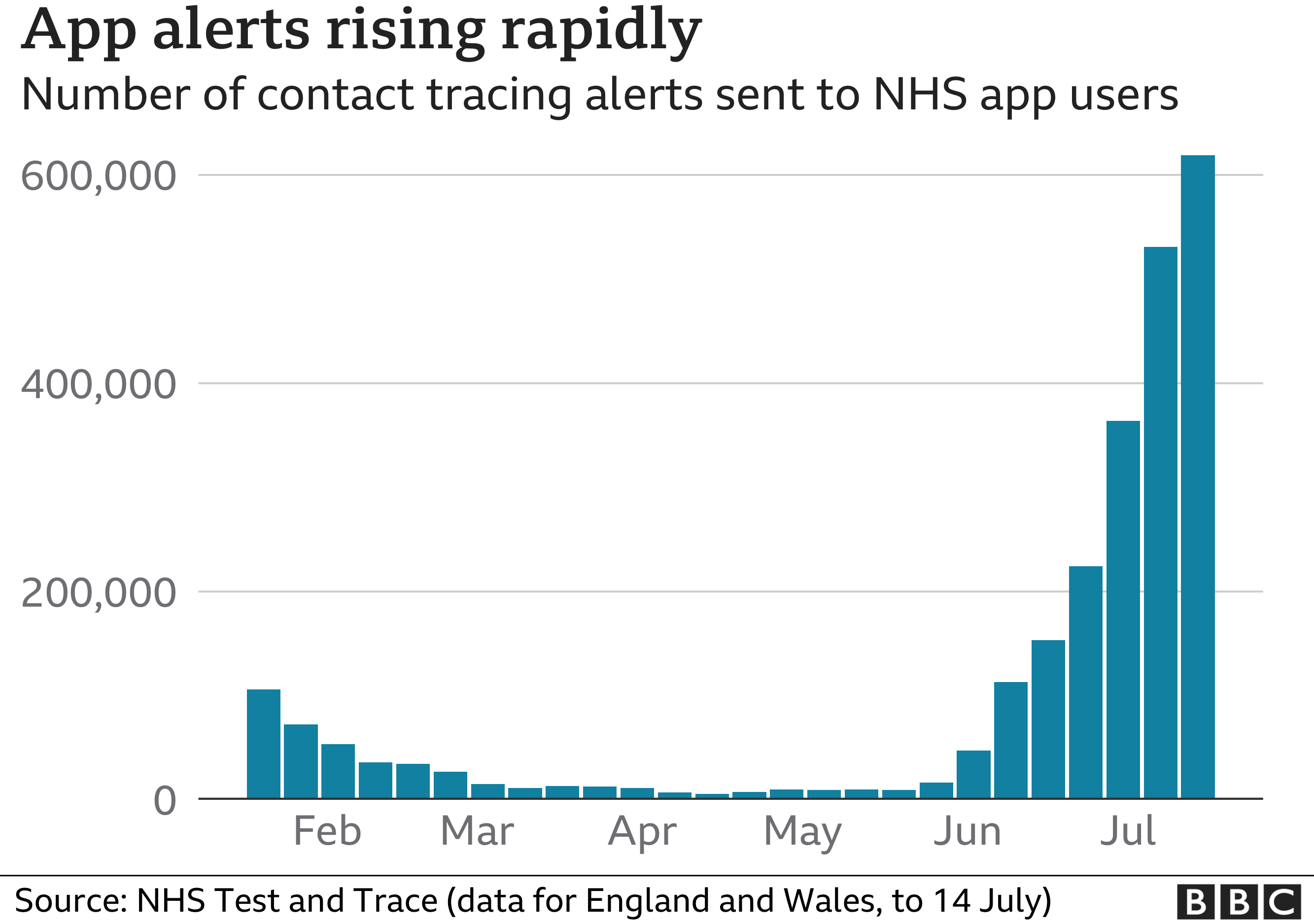
In late June, Richard Burnett, Chief Executive of the Road Haulage Association, said: "There is an enormous shortage of HGV drivers that we estimate at between 85,000 and 100,000. We are weeks away from gaps on the shelves, it is as serious as that. We don't know if it's because Europeans who would traditionally be in these roles have left because of Brexit or because of Covid and aren't able to come back yet because of the pandemic, but it is a very real problem." It's now happening. Whatever damage wasn't done by Brexit (it's estimated 25,000 EU truckers returned home after we "took back control"), the pinging of the app has stepped in to complete. 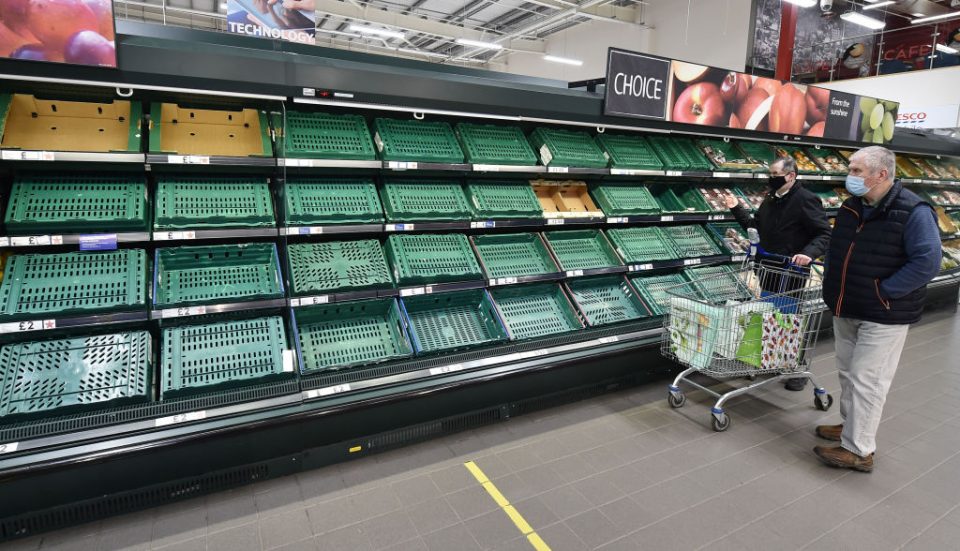
It's no wonder that the NHS app usage is declining. 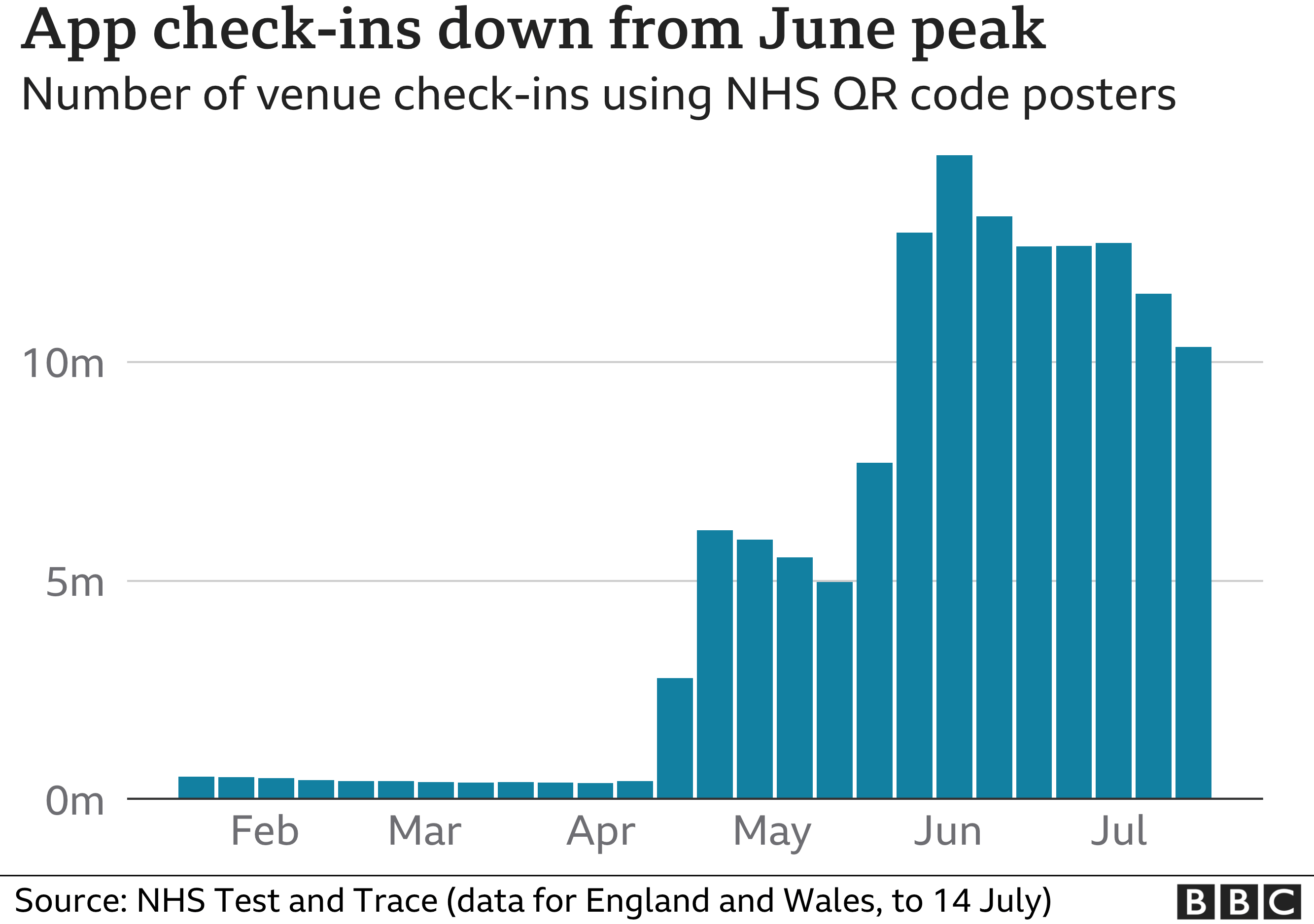
The Twitter hashtag #DeleteTheApp has been trending strongly. 
This tweet has been diluted by the U-turn, but I still like it: 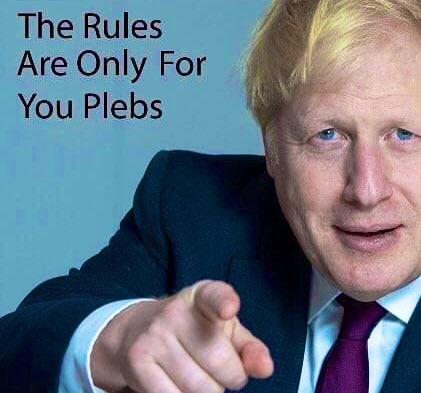
Yes indeed, all is rosy in the garden. We have control, we're free. |
||||||||||||||||||||||||||||
|
Thursday 22nd July |
||||||||||||||||||||||||||||
|
The Commons summer recess is upon us: House rises 22 July, House sits 6 September. Some welcome relief from PMQs. Yesterday was the 60th anniversary edition of the "innovation introduced under Harold Macmillan" (the PM's words), with one modern twist: Boris was attending virtually from Chequers. I'm tired of the Starmer-Johnson exchanges, mild insults countered by snide putdowns. That's if Boris ever gives a straight answer to a Starmer question. As a recent tweet put it:
As an example, Starmer raised the matter of Boris's text about 80-year-olds: "The Prime Minister keeps asking me if I will support his chaos: no, and I want to bring the Prime Minister back to one of our earlier exchanges in this House. On 26 May I asked the Prime Minister if he had ever used the words 'Covid is only killing 80-year-olds' or words to that effect. On that day the Prime Minister pointedly did not deny using those words, and now we have the proof that he did. We have all now seen the Prime Minister's text message: 'The median age' of Covid fatalities 'is 82 ... that is above life expectancy', and we have the Prime Minister's conclusion in the same text - 'So get Covid and live longer.' I remind the Prime Minister that more than 83,000 people aged 80 or over lost their lives to this virus, every one leaving behind a grieving family and loved ones. So will the Prime Minister now apologise for using those words? Of course Boris didn't. He gave a lengthy reply about the difficulties of government during the pandemic - "there are incredibly tough balancing decisions that we have to take; we have to balance the catastrophe of the disease against the suffering caused by lockdowns" (true enough, I must acknowledge) - and concluded with the inevitable: "We have rolled out vaccines faster than any other country in Europe: 96% of people over 50 will now have had a vaccine, and 68% of people have had two jabs. What we are trying to say to the country today - the single most important, serious message - is, "If you have not yet had your second jab, please come along and get it, and if you're over 50 and still have not had a second jab or over 40, please come and get it as well." And we must never forget that if we had followed the advice of the right hon. and learned Gentleman we would have stayed in the European Medicines Agency and would never have had the vaccine roll-out at all." If you have the will to read more, here's the Hansard transcript Meanwhile, the country has no sitting Parliament through a critical post-freedom-day six weeks. I find that curious. |
||||||||||||||||||||||||||||
|
Wednesday 21st July |
||||||||||||||||||||||||||||
I wasn't going to watch the Laura Kuenssberg interview with Dominic Cummings last night - he has already been granted too much air time - but succumbed as the hour approached.
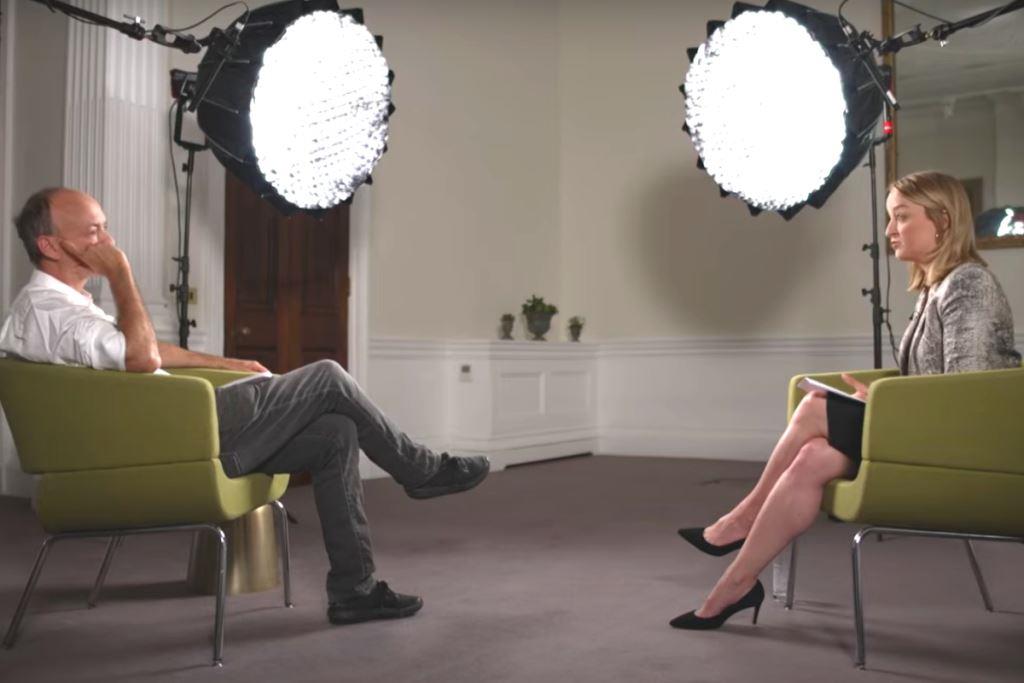
The abiding impression left by the exchange was: "This is no way to run a country". Some of it made us laugh out loud - Cummings's dismissal of senior Tories as "morons" and "useless", his repetition of the "shopping trolley" description of Johnson. The nexus of plotters in or close to Downing Street, the desire of fiancée-now-wife Carrie to influence the Prime Minister, whom Cummings maintains many of his coterie wished to remove only days after the 2019 election victory; Boris had merely been the "least bad" choice, the alternative being Corbyn. Kuenssberg repeatedly drew attention to Cummings's role as an unelected adviser who should have been pleased to serve a PM empowered by a large majority, endorsed by the British public. She asserted that Cummings appeared to consider himself superior to his elected masters. Why does he persist in presenting his case, in furthering the demolition job of Johnson? Haven't we heard enough? He claims it's not revenge, as suggested by many observers, but a desire to set the country on the right track, to replace a rotten party system and straighten out a dysfunctional Westminster, to put brilliant and competent people at the heart of government. I can't believe his altruism, polluted as it is by "The Thick of It" whiff - stench? - of smoke-filled-room (maybe it has to be chewing gum or vape now) politics. Meanwhile nearly 6,000 miles to the east more weirdness is on show. The head of the Tokyo 2020 organising committee Toshiro Muto has not ruled out cancelling the Olympic Games, even three days away from the official opening and after some events have already taken place. If the games do continue they will mostly take place behind closed doors. All against the background of a state of emergency in Tokyo. 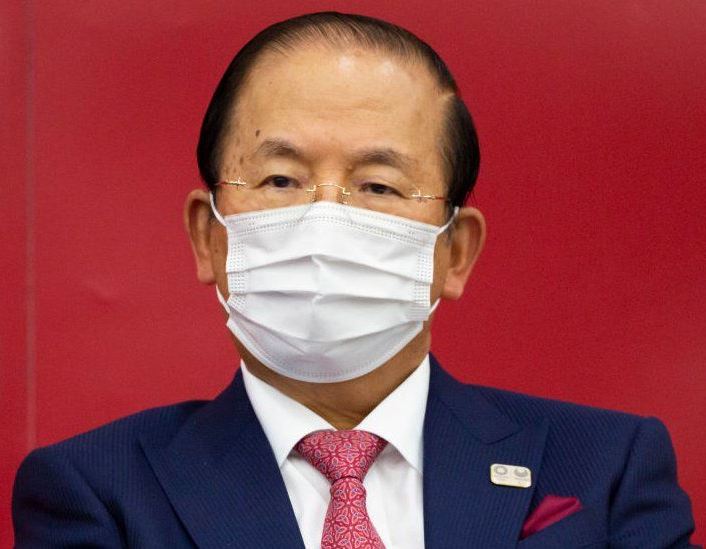
More than 70 people associated with the Games have tested positive. Cases are rising in Tokyo. 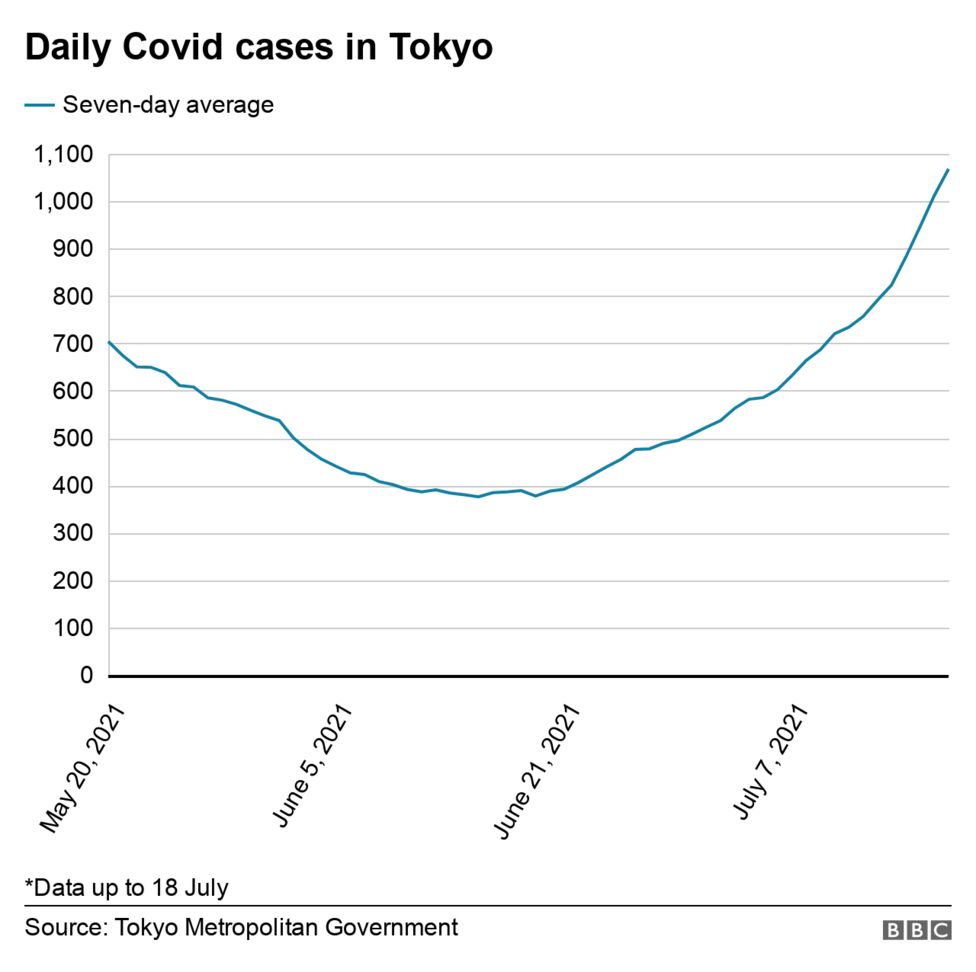
The numbers in Japan are however much lower than in the UK. The latest seven-day rolling average of new cases is 2,990 (FT/Johns Hopkins). It's 46,000 in the UK. 2.4 cases per 100k population in Japan, 68.9 in the UK - 29 times higher here. UK government policy is now firmly "learn to live with it". A more realistic goal in Japan, the statistics would tell us. WHO Director-General Dr. Tedros Adhanom Ghebreyesus seems to think so and has backed the Tokyo staging of the games: "There's no zero risk in life; there is only more risk or less risk. The mark of success in the coming fortnight is not zero cases, and I know that some cases have already been detected. The mark of success is making sure that any cases are identified, isolated, traced and cared for as quickly as possible, and onward transmission is interrupted. That is the mark of success for every country. The Olympics have the power to bring the world together, to inspire, to show what's possible. It is my sincere hope the Tokyo Games succeed." |
||||||||||||||||||||||||||||
|
Tuesday 20th July |
||||||||||||||||||||||||||||
The Downing Street coronavirus press briefing yesterday had one variation. Boris wasn't there in person. Self-isolating, he attended via video-link.
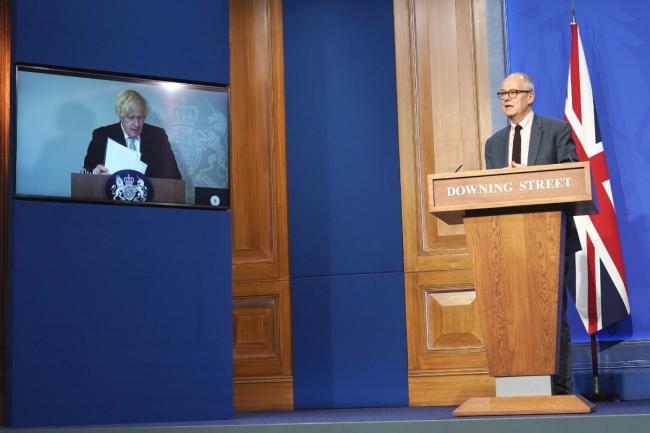
The rest was predictable. I won't bother with posting the slides here as you've seen them all before, the familiar underlying logic of going ahead with "freedom day": numbers testing positive; number of people in hospital; deaths; cases, hospital admissions and deaths in the autumn wave compared to the current wave; vaccinations. I'm still confused by the relaxation of legal measures. How are we going to deal with our status as the infected pariah of Europe? Ah yes, vaccinations of course. Meanwhile, as if Covid wasn't enough, the sunshine has brought alternative dangers. The Met Office has a "what to expect" list:
|
||||||||||||||||||||||||||||
|
Monday 19th July |
||||||||||||||||||||||||||||
It's "Freedom Day".
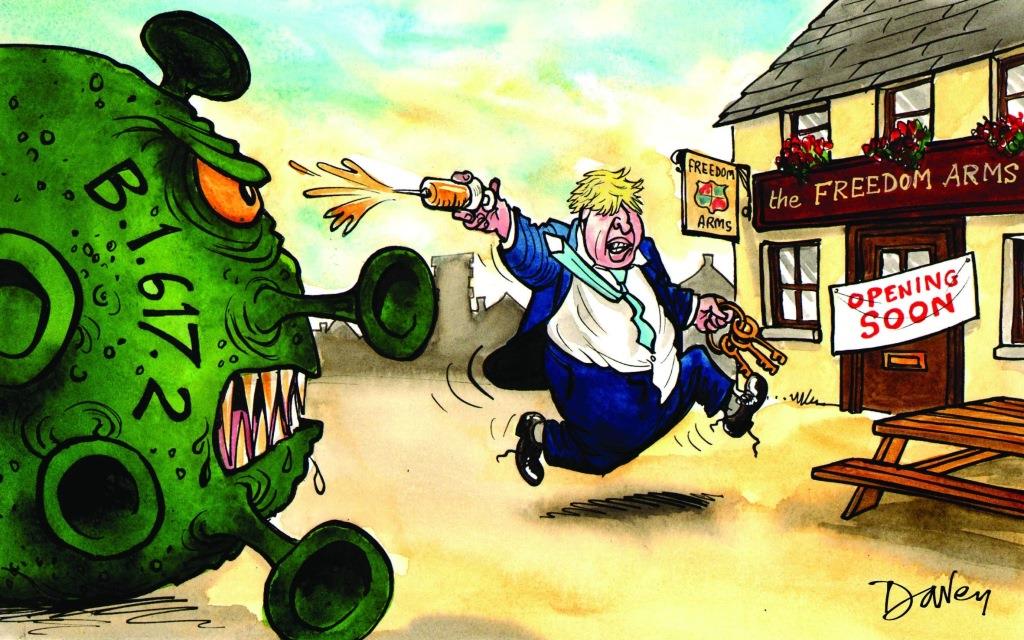
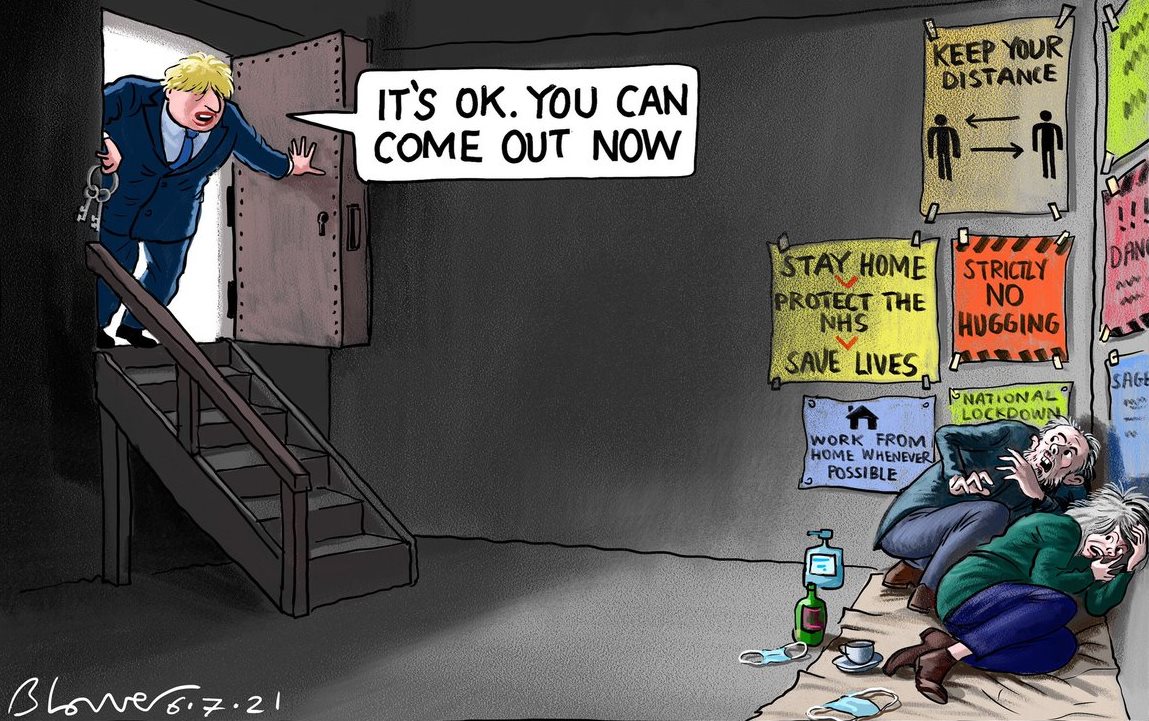
The Twittersphere has been alive with reflections on Boris's U-turn. 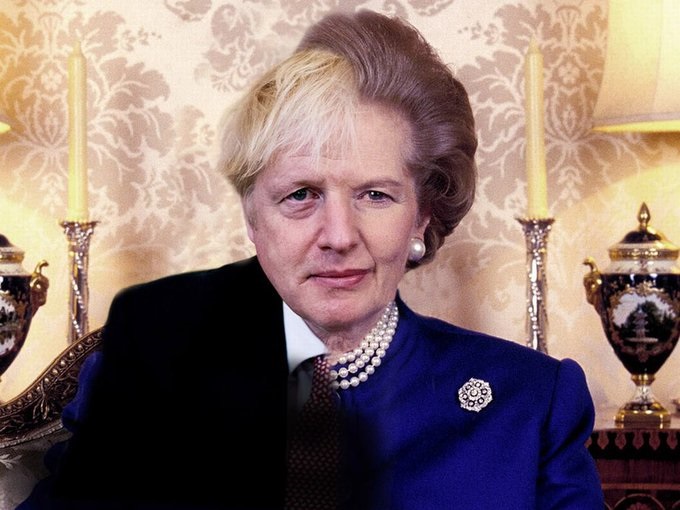

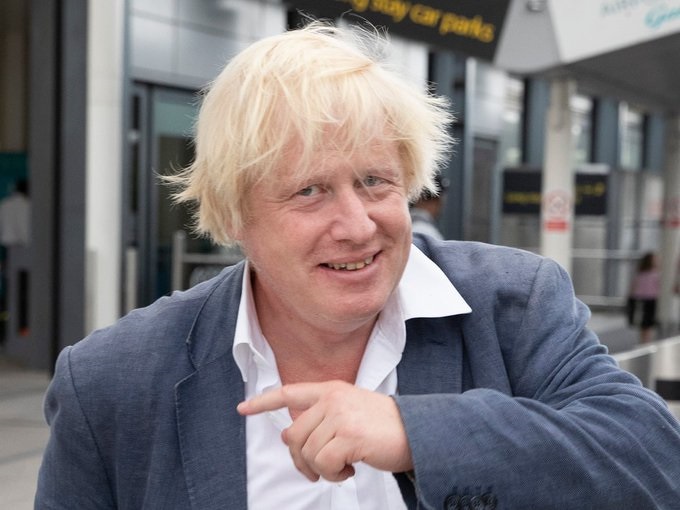

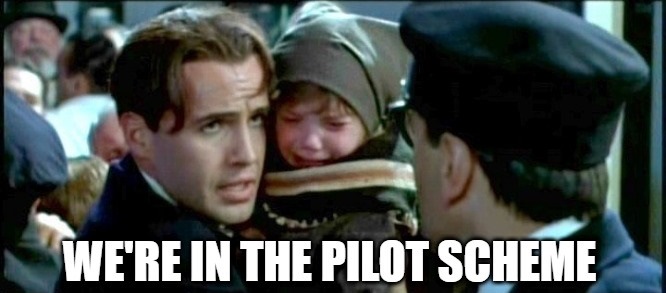


|
||||||||||||||||||||||||||||
|
Sunday 18th July |
||||||||||||||||||||||||||||
|
The Health Secretary tested positive and is self-isolating. London's Metropolitan tube line was suspended yesterday due to staff shortages after isolation alerts from the NHS Covid-19 app; the Piccadilly and District lines were affected too. It's all going swimmingly for "freedom day" 🎈🍾
Update: 12:12 pm: U-turn 😂 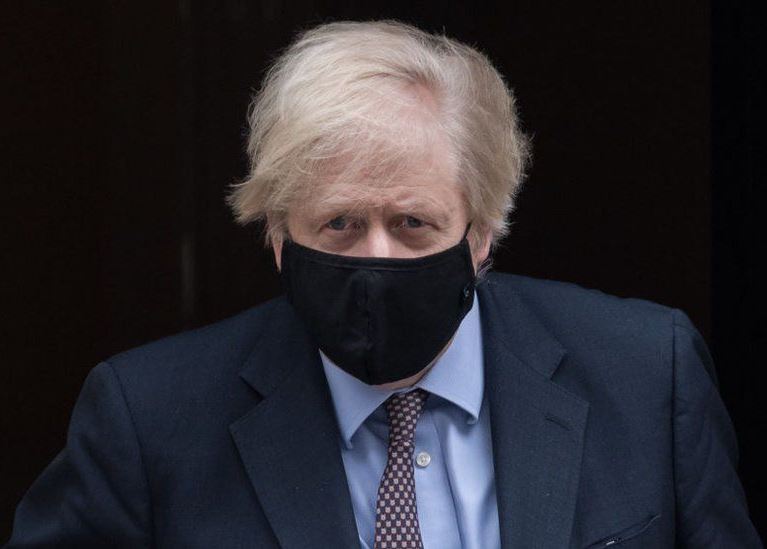
Since opting initially after contact with Sajid Javid for some alternative pilot scheme involving daily testing, Boris and Sunak will now self-isolate as normal. Keir Starmer reacted: "Busted yet again for thinking the rules that we are all following don't apply to them. The public have done so much to stick to the rules. At a time when we need to maintain confidence in self isolation, parents, workers and businesses will be wondering what on earth is going on in Downing Street. The way the prime minister conducts himself creates chaos, makes for bad government and has deadly consequences for the British public." Final notes on Euro2020. This fuchsia on our kitchen wall is called a "Trailing Southgate": 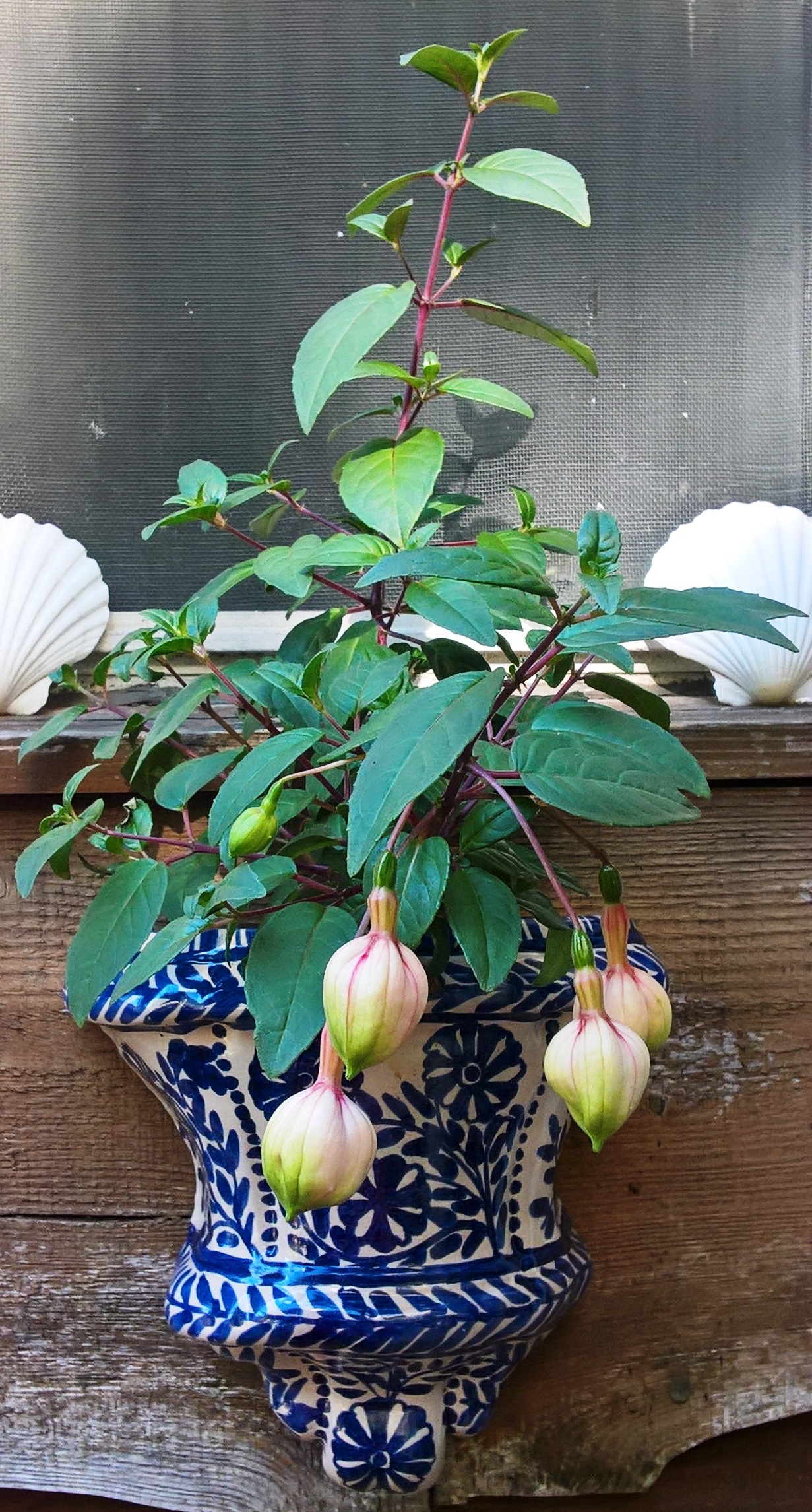
And a mother tweeted this picture of her 10-year-old actually reading a book rather than being glued to his 'phone: 
|
||||||||||||||||||||||||||||
|
Saturday 17th July |
||||||||||||||||||||||||||||
Cases ...
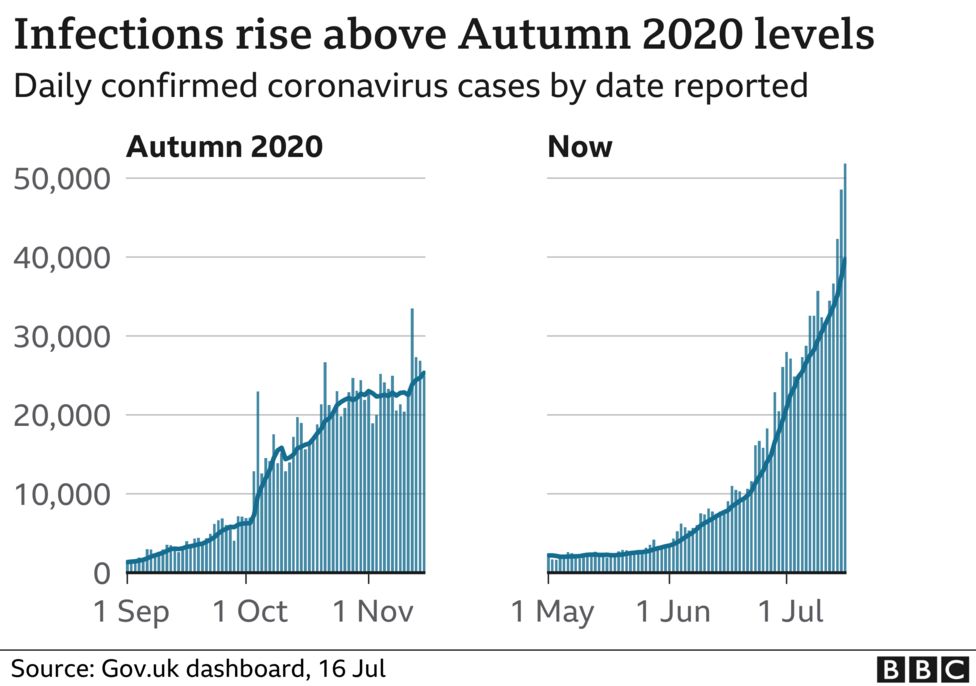
... and confusion: 48 hours to "freedom day" 🤬 |
||||||||||||||||||||||||||||
|
Friday 16th July |
||||||||||||||||||||||||||||
|
I'm not alone in the concern I expressed yesterday over July 19th and beyond.
A week ago the WHO held a press briefing. Director-General Tedros Adhanom Ghebreyesus opened the session with these words: "The world is at a perilous point in this pandemic. We have just passed the tragic milestone of four million recorded COVID-19 deaths which likely underestimates the overall toll. Some countries with high vaccination coverage are now planning to roll out booster shots in the coming months and are dropping public health and social measures and are relaxing as though the pandemic is already over." In its defence, the UK government "learn to live with it" stance recognises that it isn't over. It remains to be seen how well Boris will manage the situation after his "terminus date". The next 12 months carry enormous risks. Executive Director WHO Health Emergencies Programme Dr. Mike Ryan (see blog post on 25th March for an introduction to this charismatic Irish epidemiologist 👇) spoke of the need for caution - at least that sentiment has been echoed by Boris and his team - in this video excerpt (tarted up for YouTube): He didn't categorically condemn opening up, and stressed the importance of personal responsibility, but warned: "I would urge extreme caution in the complete lifting of public health and social measures at this time because there are consequences for that." We're not seeing "extreme caution" being exercised with clarity by our government. As I commented yesterday, there are differences of opinion on the mask issue. Sadiq Khan mandated their use on London Transport in contrast to Boris's more relaxed stance. Other businesses will ask that their customers continue to wear them: leading supermarkets - Tesco, Sainsbury, Waitrose, Aldi, Lidl - and airline companies Ryanair and easyJet. The Daily Mirror's front page trumpeted this (click to enlarge): 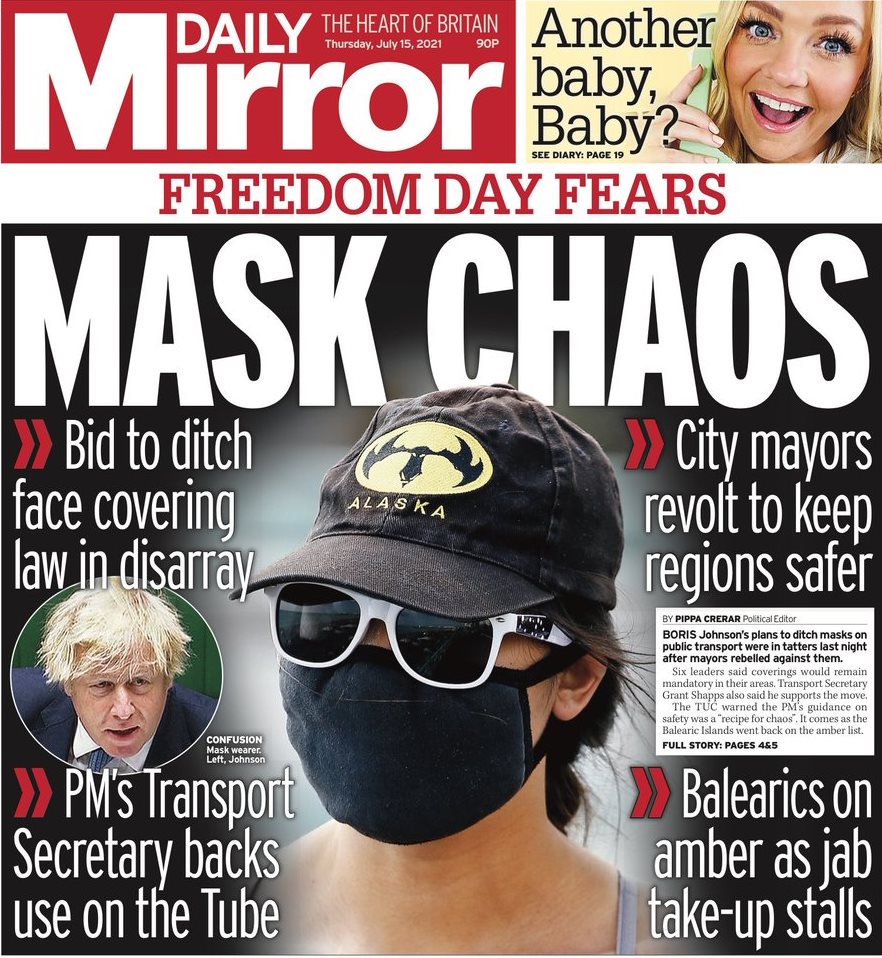
Just last night in a seminar at the Science Museum, Chris Whitty reiterated the "it's not over" theme: "I don't think we should underestimate the fact that we could get into trouble again surprisingly fast. We are not by any means out of the woods. This has got a long way to run in the UK, and it's got even further to run globally." I'm glad to hear his view. What I still don't understand is the abandonment of legal controls. We have speed limits on the roads. Drink driving comes with clear penalties. Whitty continued: "If you look over what people have done, and in fact if you look at what people intend to do now, people have been incredibly good at saying, 'I may be a relatively low risk, but people around me are at high risk, and I'm going to modify my behaviours'." Really? I don't share his confidence. At the WHO briefing, Dr. Maria Van Kerkhove, honorary lecturer at Imperial College, gave her view of the global status of Covid: 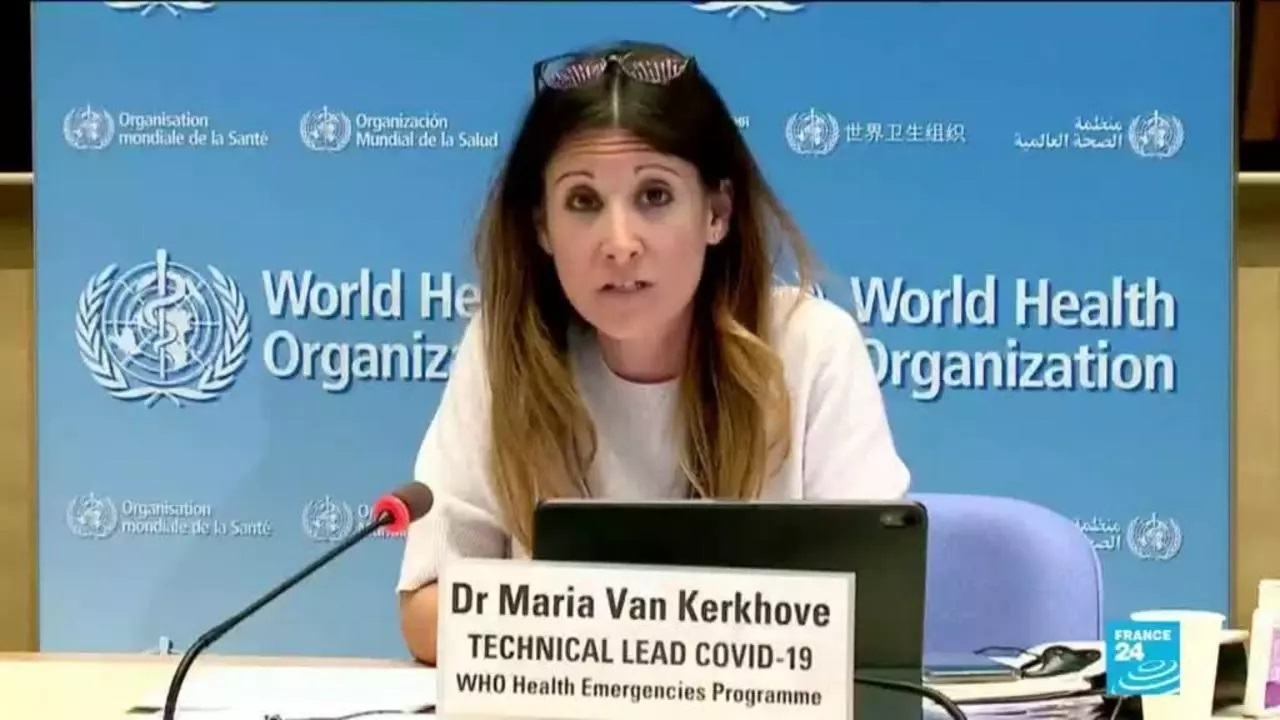
"We're not in a good place. In Africa there was a 16.7% increase in cases in the last seven days. There was a 16.4% increase in the Eastern Mediterranean region, a 33% increase in cases across Europe, an 8.6% increase in South-east Asia, a 10% increase in the Western Pacific. "[One key] factor that's challenging us right now is the inequitable and uneven distribution of vaccines and you've heard us talk about this over and over again. Large parts of the world remain susceptible to infection. If you have variants of concern that are circulating, if you have increased social mobility and social mixing, if you have the inappropriate use of public health and social measures and you have a very susceptible population the virus will thrive. "The virus is showing us right now that it's thriving. This is not theoretical. We're not talking about a what-if situation right now. We're not talking about preparing for a surge. It's happening now." |
||||||||||||||||||||||||||||
|
Thursday 15th July |
||||||||||||||||||||||||||||
|
I find this period of the pandemic very odd, unsettling, confusing, the future uncertain. I guess it's the transition to "learn to live with it". Next Monday we proceed with the loosening of restrictions in England. Yet Covid cases continue to rise and there are fears of what the autumn and winter may bring. It feels like a "false summer", the virus equivalent of the WWII "phoney war".
We have the masks-off-masks-on debate. Boris says yes to the ditching of mandatory face-coverings, Sadiq Khan says no. Travel rules are volatile. Perhaps I should say flexible, which could become a watchword of the "personal responsibility" phase. Ibiza, Majorca, Menorca and Formentera are being moved onto the government's amber travel list for England from 04:00 BST on Monday, 15 days after they were moved to the green watchlist. There's been the see-saw phenomenon of restrict-release-restrict in other countries. Star of early pandemic-handling South Korea is facing its worst-ever coronavirus outbreak. The emergence of the Delta strain in Sydney has plunged the city back into lockdown. In Israel, with its early vaccination programme, pre-crisis freedoms returned by mid-June. Now curbs are being reinstated which include the mandatory wearing of face masks indoors and quarantine for all people arriving in Israel. The Netherlands also opened up in June. Cases have soared, jumping to their highest levels since December. Prime Minister Mark Rutte U-turned on Friday and re-imposed many restrictions just three weeks after the measures were lifted. Rutte has apologised: "What we thought would be possible turned out not to be possible in practice." I wonder who else may have to eat their words. At the Downing Street briefing last Monday, Chris Whitty repeatedly emphasised that the post-19th-July phase should be characterised by the words "cautious" and "slow". This approach has been expressed in a hospitalisation model published by Warwick University (click to enlarge): 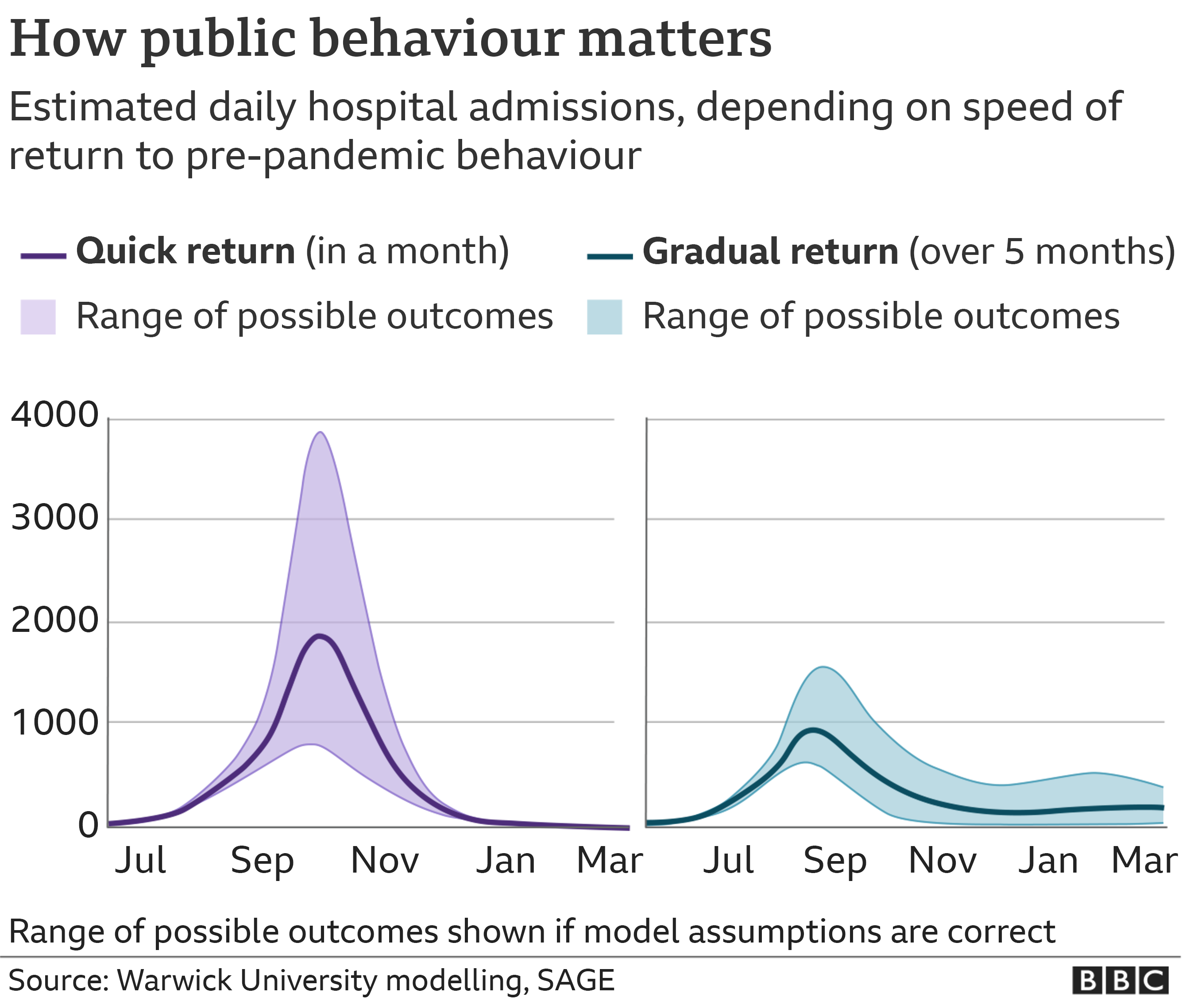
I'm not sure how this is going to work. There have been plenty of examples in recent weeks of "public behaviour" revealing precious little appetite for "cautious" and "slow". What does it mean? Can I now hug people - but slowly? |
||||||||||||||||||||||||||||
|
Wednesday 14th July |
||||||||||||||||||||||||||||
Marcus Rashford has tweeted some charming letters of thanks and admiration from kids. You really will have to click-to-enlarge to read them, or zoom, or stretch - whatever you normally do. The same with the pictures below.
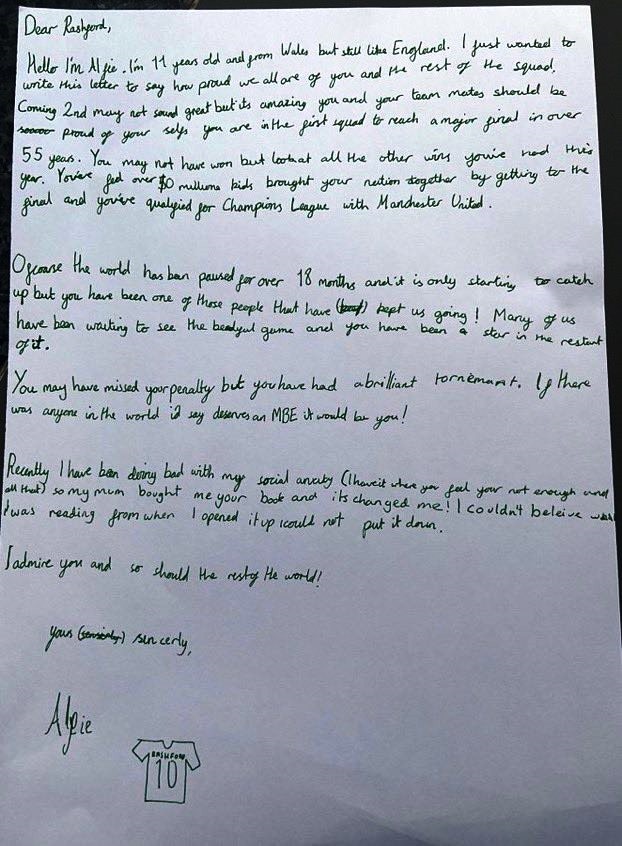
Well-wishers have left hearts and notes on the vandalised mural in Withington, Manchester - in growing numbers with the passing of time. There have been hundreds of supportive visitors. The original street artist Akse has repaired the damage. 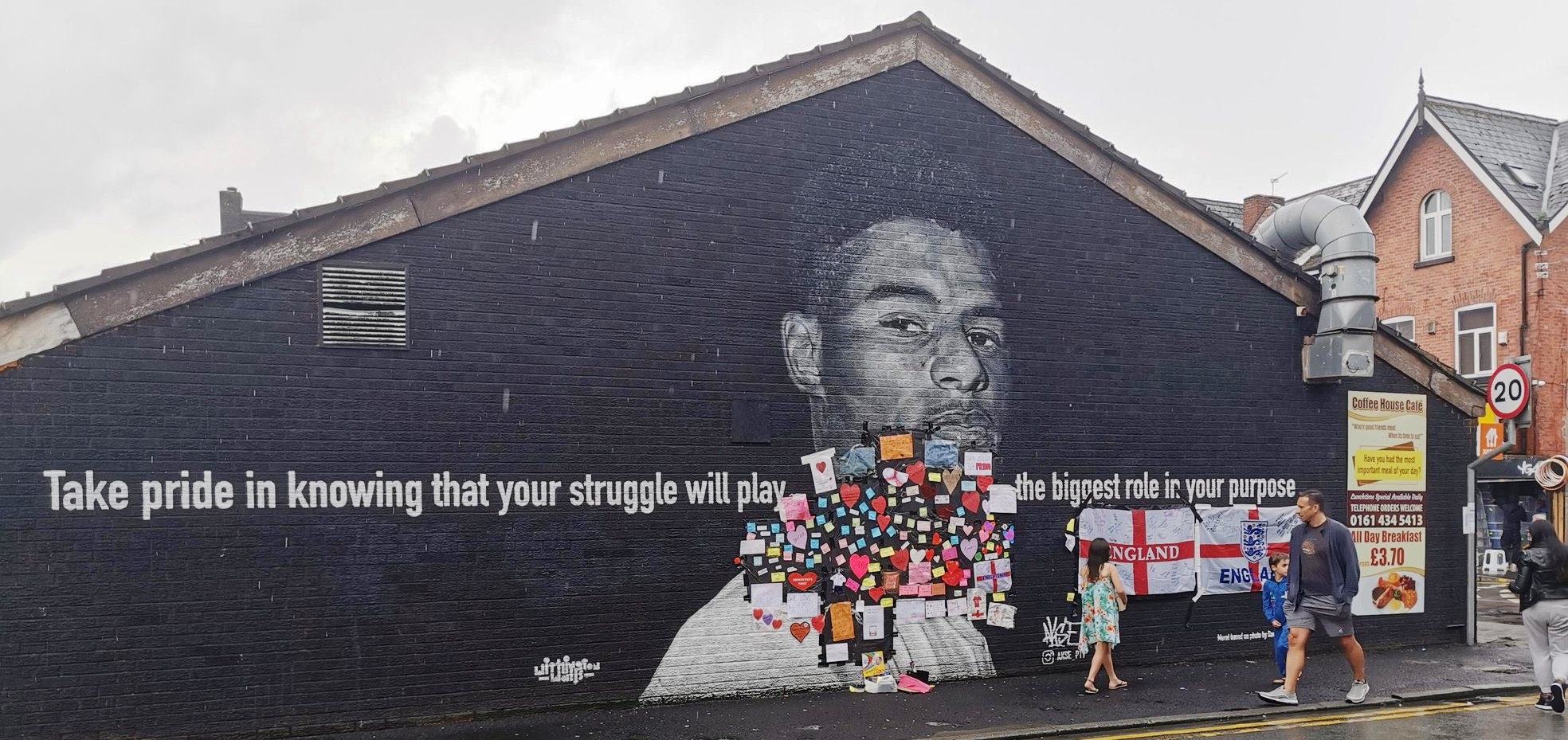
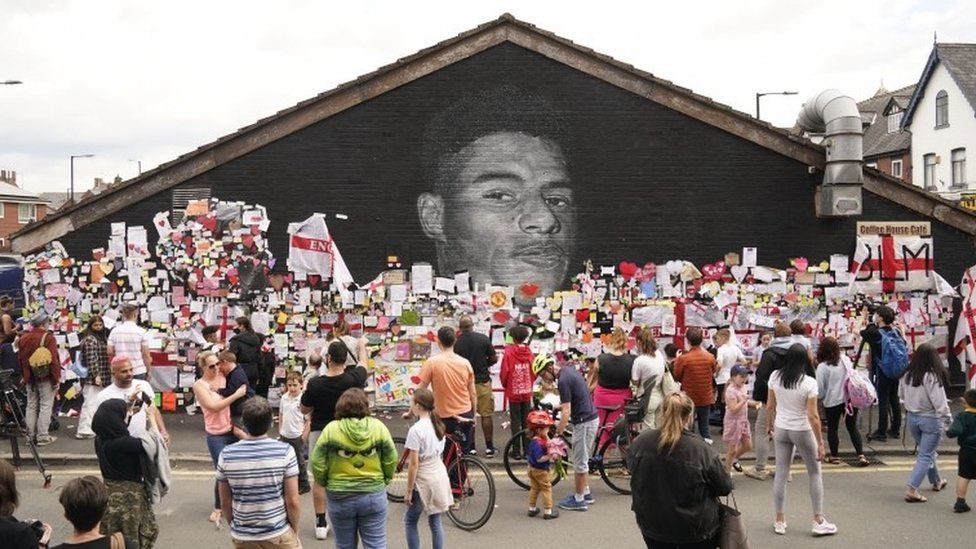
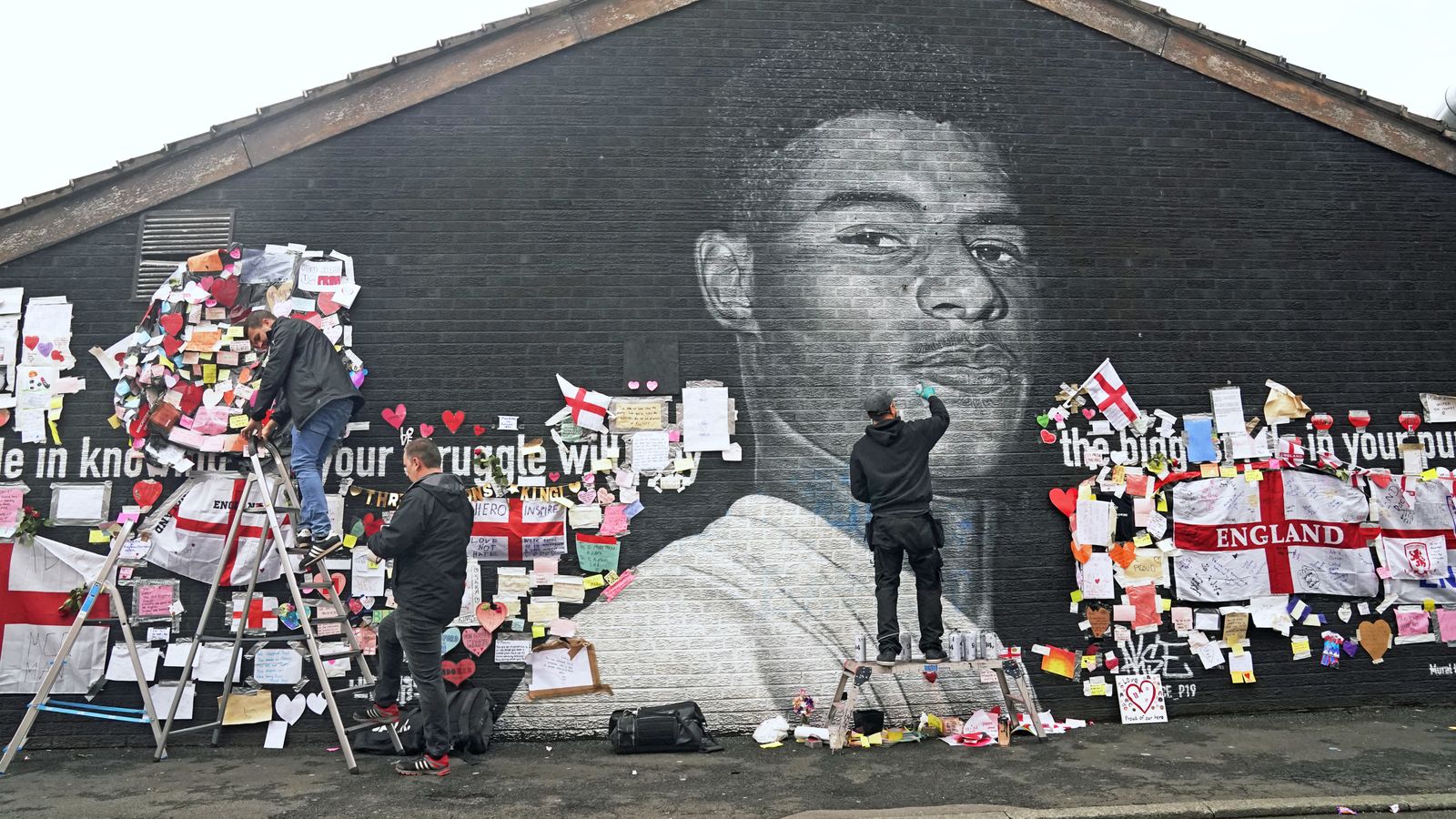
"Personal responsibility"? Mayor of London Sadiq Khan has made the wearing of face-coverings on London transport mandatory after the July 19th breakpoint - a condition of carriage for the Tube, bus, tram, DLR, Overground and TfL Rail. "I'm not prepared to stand by and put Londoners, and our city's recovery, at risk. This is why, after careful consideration, I have decided to ask TfL to retain the requirement for passengers to wear a face covering on all TfL services when the national regulations change. "What would have been far better is for the national rules to apply across the country, not just in London. That would have provided clarity. "A number of services coming to London aren't my responsibility. What we are saying is when you're in London you've got to be following our rules, just like if you're on a train going to Scotland, you've got to follow the rules in Scotland and indeed in Wales where the wearing of face masks is still compulsory." So, if you're travelling by train from the West Country to Paddington, around Hillingdon you should expect the guard to announce "Masks on NOW!" 😷 |
||||||||||||||||||||||||||||
|
Tuesday 13th July |
||||||||||||||||||||||||||||
|
It was the "Johnson, Whitty and Vallance show on a Monday afternoon" once again yesterday. This was the promised final update on the July 19th "terminus date".
Boris started with congratulations to the England team and strong condemnation of the racist abuse witnessed at the Euro2020 final on Sunday evening: "Like millions of people across this country I woke up this morning sad and rueful, but also filled with pride and hope and with thanks to Gareth Southgate and the whole England squad for the best campaign by any England team in any tournament that I can remember. They made history. They lifted our spirits and they brought joy to this country and I know that they will continue to do so. And to those who have been directing racist abuse at some of the players, I say shame on you, and I hope you will crawl back under the rock from which you emerged." The "opening up" will proceed. It's still the balancing act. The PM acknowledged: "We've come to a stage in the pandemic when there is no easy answer or obvious date for unlocking. We have cases rising significantly - with more than 30,000 per day. And we can see what is happening across Europe as the Delta variant takes hold among our friends. We know we're going to see more hospitalisations and more deaths from Covid." So why go ahead? I assume that the government and most of the public can't tolerate further continuation of restrictions for both economic and social reasons. The worsening GDP-to-debt ratio has to be reversed at some stage. I wonder if there is genuine fear in Westminster circles of civil unrest. "Learn to live with it" has become policy. The human cost of rising cases, of mortality, has to be accepted. The Roadmap Test 3 slide below (click to enlarge) shows that current cases are increasing in line with last autumn. However, hospital admissions and particularly deaths do not mirror exactly that curve. Yes, they're going up - but not to the same degree. The judgment is that we can cope. "Live with it". The much-lauded vaccination programme is a key part of the balance (click to enlarge). Boris said: "Every week that goes by we are getting hundreds of thousands more jabs into arms and our delay to the road map that we announced last month has enabled us to get 7 million more jabs in the last 4 weeks alone. By next Monday, two-thirds of adults will have received a second dose and every adult will have been offered a first dose. It is the single most crucial thing now that you get that jab, a jab that could protect you and your family and allow you, for instance, to go on holiday. It is of course only thanks to the vaccine programme that we are able to take these cautious steps now. But to take these steps we must be cautious and we must be vaccinated. So please get that jab." The text of his statement is here |
||||||||||||||||||||||||||||
|
Monday 12th July |
||||||||||||||||||||||||||||
|
I'm unashamedly concentrating on the football today. It has been an important event for the country. Even the Queen and Prime Minister were involved, sending letters to Gareth Southgate and the team before the final.
The Queen wrote: "I want to send my congratulations and that of my family to you all on reaching the final of the European Championships, and send my good wishes for tomorrow with the hope that history will record not only your success but also the spirit, commitment and pride with which you have conducted yourselves." Boris said: "I wanted to congratulate you and all the players on your amazing performance and achievement in this Euro 2020 tournament. You have already made history. You have taken England into the final of a major international competition. For most people in this country, it is the first time this has happened in all their lives. You have forged a band of brothers whose energy and tenacity and teamwork - and sheer flair - seem to shine in everything you do. You have lifted the spirits of the whole country, and tomorrow we know you can lift that trophy too. We are not just hoping or praying. We believe in you, Gareth, and your incredible squad. On behalf of the entire nation, good luck, have a great game - and bring it home!" Sadly not to be. Congratulations to Italy. 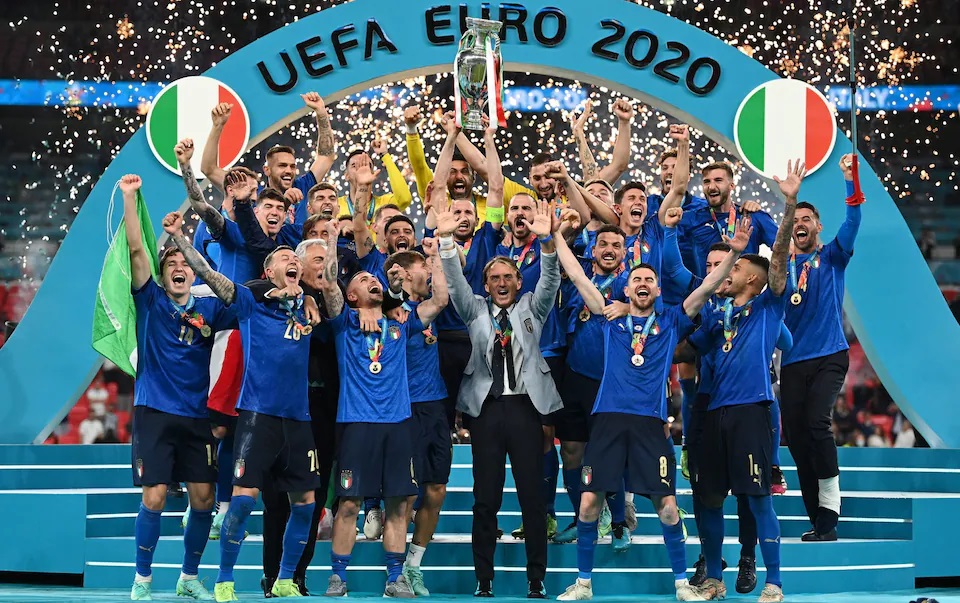
One of the most significant changes in Britain during my lifetime has been its development as a multi-cultural society, visible in the England team - and not the Italian. It's a shame that three young black men should have missed penalties: Jadon Sancho, Bukayo Saka and Marcus Rashford. We all know about Marcus's contribution outside football. 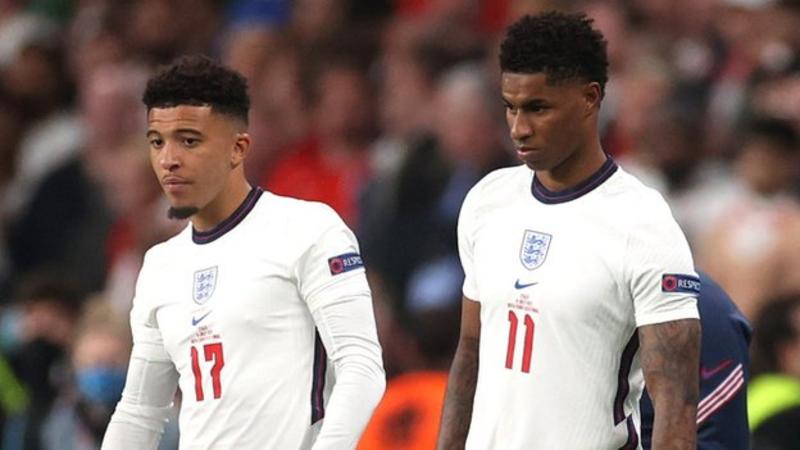
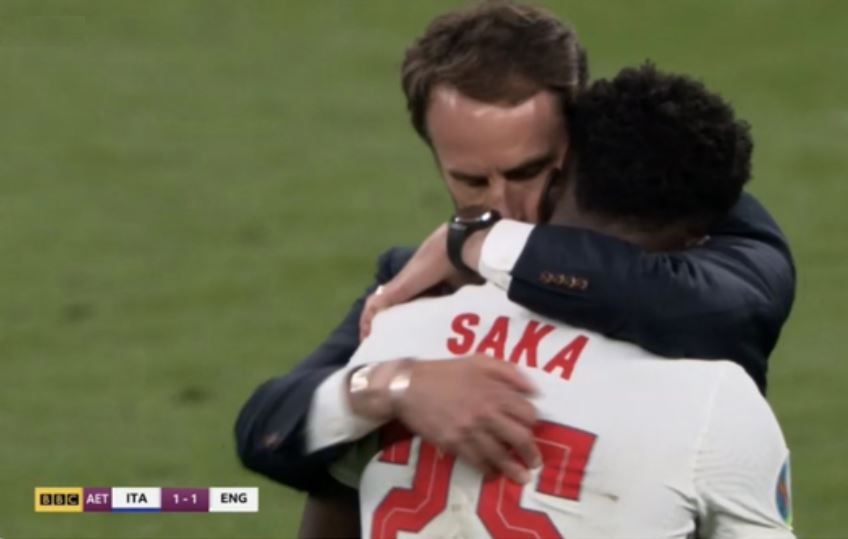
There's a long way to go to rid Britain of the plague of racism. We've seen the removal of the Colston statue and the influence of the Black Lives Matter movement over the last 18 months. Other footballers have had to speak out, notably Raheem Sterling and Ian Wright. It's dreadful that the Football Association had to condemn racist abuse after the defeat: "We could not be clearer that anyone behind such disgusting behaviour is not welcome in following the team. We will do all we can to support the players affected while urging the toughest punishments possible for anyone responsible. We will continue to do everything we can to stamp discrimination out of the game, but we implore government to act quickly and bring in the appropriate legislation so this abuse has real life consequences. Social media companies need to step up and take accountability and action to ban abusers from their platforms, gather evidence that can lead to prosecution and support making their platforms free from this type of abhorrent abuse." The booing of the Italian national anthem was another blight on the occasion. Disrespectful, xenophobic. Brexiteers all. England's bright and creative start left Italy reeling. What happened at half-time? It seemed that both team and manager lost their way. There's nothing more precarious than a 1-0 lead. Former German player Jürgen Klinsmann, when asked about the England plan after the break, advised: "Get another goal". "Stick or twist?" said commentator Jermaine Jenas. England stuck, sat back and let the Italians into the game. Some traditional furbizia - cunning, craftiness, shrewdness - was on display, never more evident than when the masterful Chiellini grabbed a handful of Saka's shirt to prevent him from getting away. Worth the yellow card. I would have liked to see bold attacking substitutions much earlier in the second half, certainly in extra time. It may have been part of the penalty plan hatched in training, but Sancho and Rashford sent on so late? Marcus filling in at right-back? Did Jadon get a kick before his penalty attempt? In the post-match interview, Southgate - typically honest and decent - said of the shootout: "That's down to me." It's only a game. England played it well until the closing showdown. Gareth and the team should be proud of the campaign - and the spirit in which they conducted it. My back-the-opposition gambling scheme faltered at the last. I won my final bet. |
||||||||||||||||||||||||||||
|
Sunday 11th July |
||||||||||||||||||||||||||||
|
The Mayor of Bristol has tweeted daily videos of support for the England team. We're with you, Marvin. Although my wager is on Italy.
Cases rising. Javid predicts 100,000 per day. It seems a little presumptuous to be considering post-pandemic trends, but as we head for the July 19th "freedom day" (really?) I'm curious about the long-term influence of coronavirus on our society. One major shift has been the growth of home-working. Will we go back to offices in central locations? We've been given a taste of the benefits of remote employment on both sides of the fence. Companies have realised the financial rewards of disposing of no-longer-needed real estate. Commuters have reclaimed the lost travel time at the beginning and end of the day. If Covid is "for the rest of our lives" (Chris Whitty's phrase), the isolation of the home office is safer, even after the mitigating effects of vaccination. The downside is that city centre businesses - cafés, restaurants, pubs, gyms, hairdressers - have seen a dramatic drop in footfall and experienced the consequent loss of revenue. The Conversation - according to its website "an independent source of news and views sourced from the academic and research community and delivered direct to the public" - published predictive charts back in February of how remote working would affect local labour markets and the eco-system of support services. They call the phenomenon "Zoomshock". Here's a chart of the Greater London area (click to enlarge): 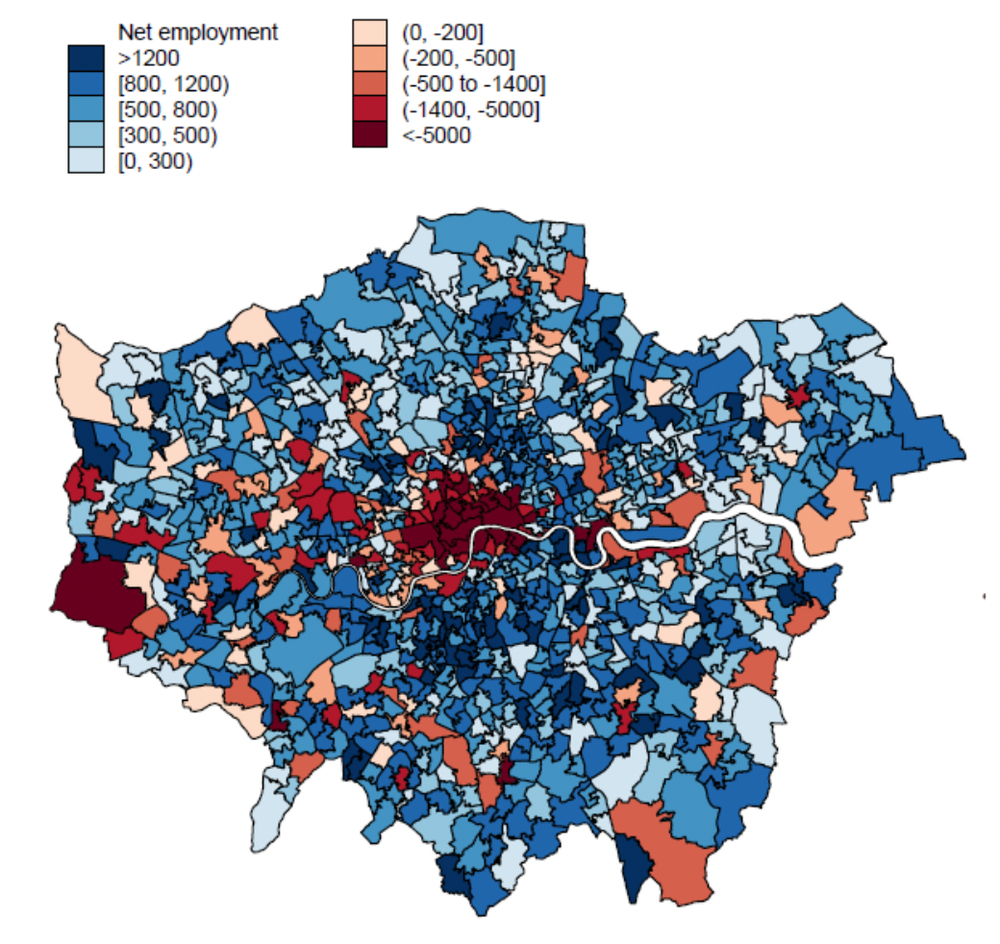
The density of the commuting workforce and level of dependent economic activity are much reduced in central London and the City and transferred to outlying districts and suburbs. Another chart gives more detail on this transfer (click to enlarge). The axis labels are bordering on gobbledegook, but you get the picture. The losers are central areas, the winners further out. There is this proviso: "It is worth emphasising that all areas were down compared to 2019 because the pandemic weakened economic activity across the board." 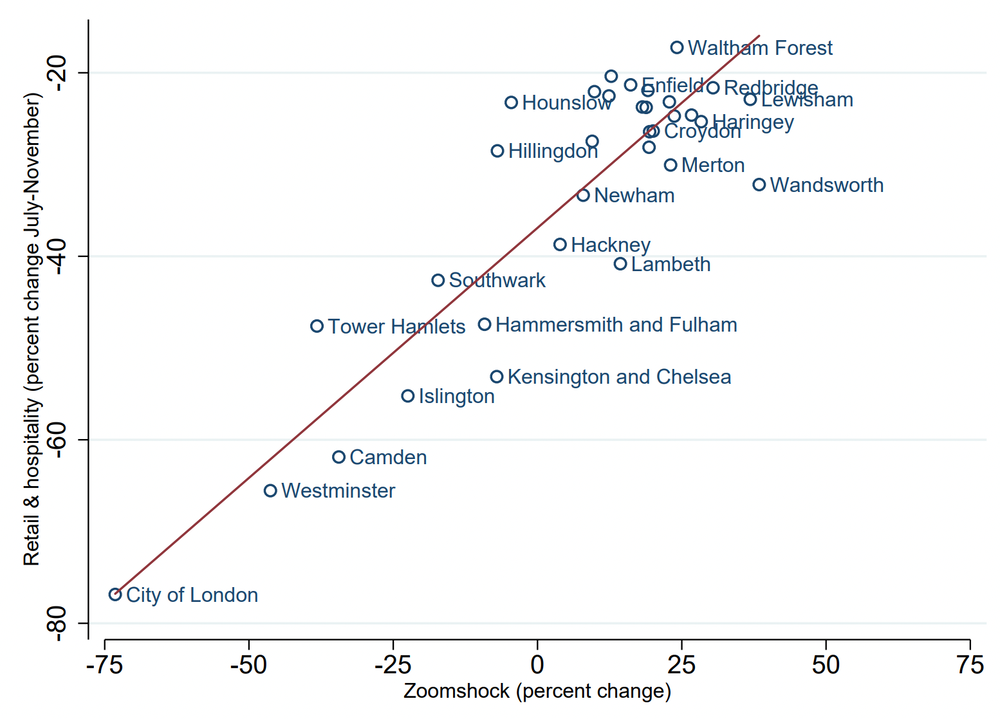
Put into words, the article claims: "The City of London, which is the heart of the UK financial services industry, could lose over 70% of its labour force if everyone who can work from home does so in the long term. The local authority area of Lewisham in south-east London could see an increase in output of up to 60% relative to pre-COVID economic activity." Taking a broader geographical view: "This is not just a London phenomenon. In Bristol, Cardiff, Glasgow and other UK cities, our research shows working from home has led to a shift away from city centres into the suburbs. Areas in which many commuters work, such as central Manchester, will lose out, while areas in which many commuters live, such as East Dunbartonshire on the northern outskirts of Glasgow, will win." Not rocket science, pretty self-evident, but interesting nonetheless. Is this how it will play out? What are the implications for these city centres? The "ghost town" effect? |
||||||||||||||||||||||||||||
|
Saturday 10th July |
||||||||||||||||||||||||||||
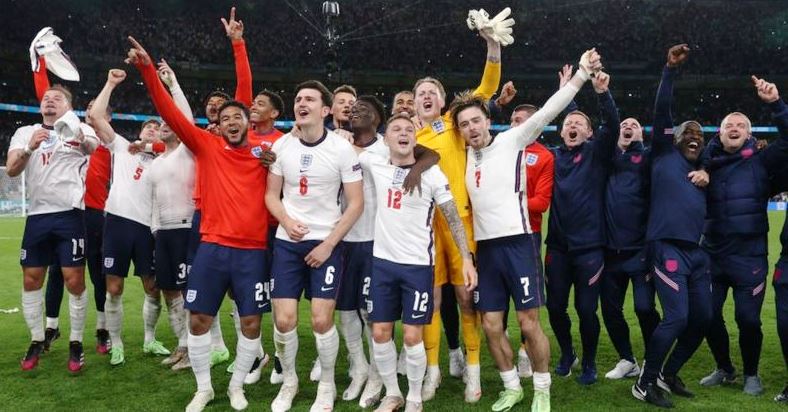
A worthy gesture. Apparently the team issued the statement in May, but this is the first time I've seen it: "Following positive discussions with the FA, the England senior men's squad are pleased to confirm that a significant donation from their international match fees will be made to NHS Charities Together via the #PlayersTogether initiative. This contribution will be taken from a fund already set aside to support a variety of worthy causes using all match fees collated since September 2018." Even the Labour Party has joined the football fervour with a tongue-in-cheek petition aimed at Conservative MP Lee Anderson. He has refused to watch England games because he disagrees with the team "taking the knee". The theory is that if he continues England will win, so the petition is asking him to carry on. We may not know what Labour stands for any more but it's a laudable stab at light-hearted humour, not something I associate with the party. |
||||||||||||||||||||||||||||
|
Friday 9th July |
||||||||||||||||||||||||||||
|
The England Euros success mania has boosted the post-lockdown economy in pub revenue, off-sales and take-away meals.
23.86 million fans watched the semi-final, rising to a peak of 25.71 million in the last 5 minutes of the game. That's 46% of the England population. Of course, other citizens of the Union will have been watching if they'd managed to set aside their hostility to the Three Lions (or were rooting for Denmark). The percentage in that case is still 38%. Where were they all? In pub gardens and fan parks. At home with the contents of the local off-licence and a slice of pizza. 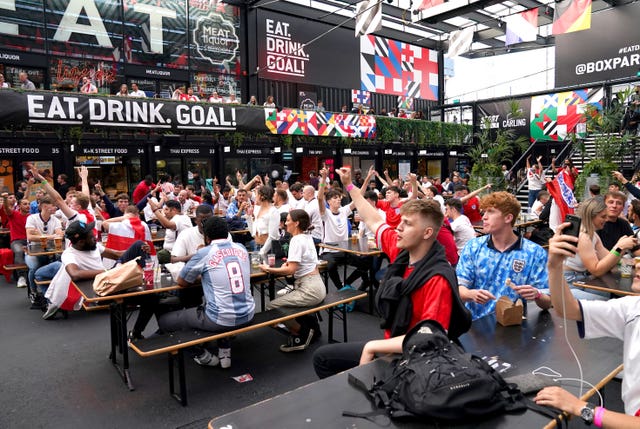
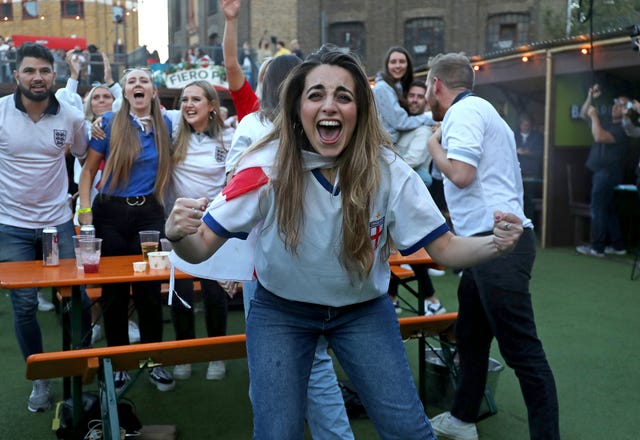
The Morning Advertiser ("Inspiration for Pub Success since 1794") reported on 1st July: "Drink sales in pubs have shot up by 176% since last week thanks to football fans supporting their locals. Initial OrderPay data showed fans have given pubs a total sales growth of 166% since the beginning of the tournament. The data revealed that drink sales at pubs increased 176% during the England v Germany match compared to previous week where pubs saw an uplift of 104%. Carling, Stella Artois, Fosters and Estrella were the biggest sellers. The average spend was £21.70, slightly less than the match against Croatia, where punters spent an average of £23.02. "The Germany game also saw a boom in Jägerbomb consumption with sales of the shots up 113% compared to the previous week. Gordons Pink Gin revenue was up 92% while Smirnoff Red saw an increase of 70%. The North West were the big spenders with sales in the region increasing by 1,043%, followed by the North East with 457% and the West Midlands 399%." It could have been more. Sarah John, director of Boss Brewing, said: "I could have filled the bar four times over, hearing the tills ringing four-fold. Instead because of social distancing, no standing, and the rule of six, sadly 24 it is." Fortune reported earlier this week: "The British Beer and Pub Association has predicted 6.8 million pints will be sold during the England-Denmark match, considerably less than the 12 million that would have been sold had restrictions been lifted." I haven't contributed a single penny. I now don't touch alcohol. There's no chance of coaxing me into a crowded pub garden. Signed: "Mr. Grumpy of Stroud". In my defence, avoidance of boozy crowded venues may be wise. The Evening Standard revealed: "Men gathering to watch football may be a potential reason why women were nearly a third less likely than them to test positive for coronavirus, experts have suggested. Professor Paul Elliott, director of the REACT programme at Imperial College, said: 'We have noticed in the current round that the prevalence is higher in men than women - around 0.7% in men and 0.5% in women.'" As posted above, the two biggest increases in footy-related alcohol consumption have been in the North West and the North East. Look at today's GOV.UK map of cases by region. Red is the second-highest category of infection. |
||||||||||||||||||||||||||||
|
Thursday 8th July |
||||||||||||||||||||||||||||
|
England 2, Denmark 1. My scheme is working. I lost my stake again. I've put my money on Italy to win the final.
It was a curious PMQs yesterday. Boris Johnson and Keir Starmer swapped assertions and accusations without either ever really landing the killer punch. Starmer's opening jab was this: "We all want our economy to open and to get back to normal; the question is whether we do it in a controlled way or a chaotic way. The Health Secretary told the House yesterday that under the Government's plan 'infections could go as high as 100,000 a day.' A number of key questions fall from that. First, if infections reach that level of 100,000 per day what does the Prime Minister expect the number of hospitalisations and deaths and the number of people with long Covid will be in that eventuality?" Boris Johnson's response was: "There are a number of projections and they are available from the Scientific Pandemic Influenza Group on Modelling graphs." Are they? I've looked at the SPI-M page on GOV.UK and I can't find any. There's only one published document: "SPI-M modelling summary for pandemic influenza: advice from the scientific pandemic influenza modelling group on dealing with a possible influenza outbreak" (Department of Health and Social Care, published 24 June 2013, last updated 16 November 2018). If that's the latest virus-busting resource, the go-to authority on modelling pandemics, we could have avoided the whole Covid nightmare, couldn't we? Keir Starmer pressed on with the same theme: "The next obvious one [problem] is the huge number of people who will be asked to isolate. If there are 100,000 infections a day, that means hundreds of thousands - perhaps millions - of people are going to be pinged to isolate. The Financial Times estimates this morning that that could be around 2 million people per week. The Daily Mail says 3.5 million people a week. Either way, it is a massive number. It means huge disruption to families and businesses just as the summer holidays begin. We know what the FT thinks. We know what the Mail thinks. We know what their estimates are. Can the Prime Minister tell us: how many people does he expect will be asked to isolate if infection rates continue to rise at this rate?" Boris never gave an answer, noted shortly afterwards on Politics Live by the BBC's Laura Kuenssberg. She said that the press was having the same difficulty getting anything out of the PM. The mild-mannered Starmer uncharacteristically delivered some low blows: "Let us be clear why infection rates are so high: it is because the Prime Minister let the Delta - or we can call it the Johnson - variant into the country." He also borrowed from former adviser Dominic Cummings's supermarket analogy: "He is doing what he always does - crashing over to the other side of the aisle." Laura Kuenssberg reminded us that Boris's nickname among exasperated colleagues at Number 10 is "Trolley". Here's the full Hansard transcript of PMQs: |
||||||||||||||||||||||||||||
|
Wednesday 7th July |
||||||||||||||||||||||||||||
|
In town for coffee this morning. A bustling contrast to the days of lockdown - with loads of social distancing and mask-wearing, I'm pleased to say.
Umbrellas everywhere: 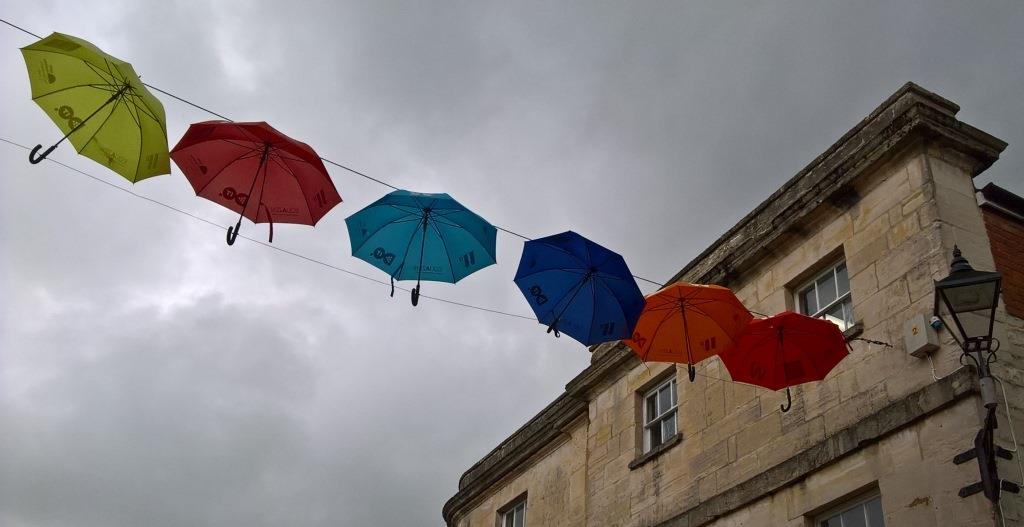
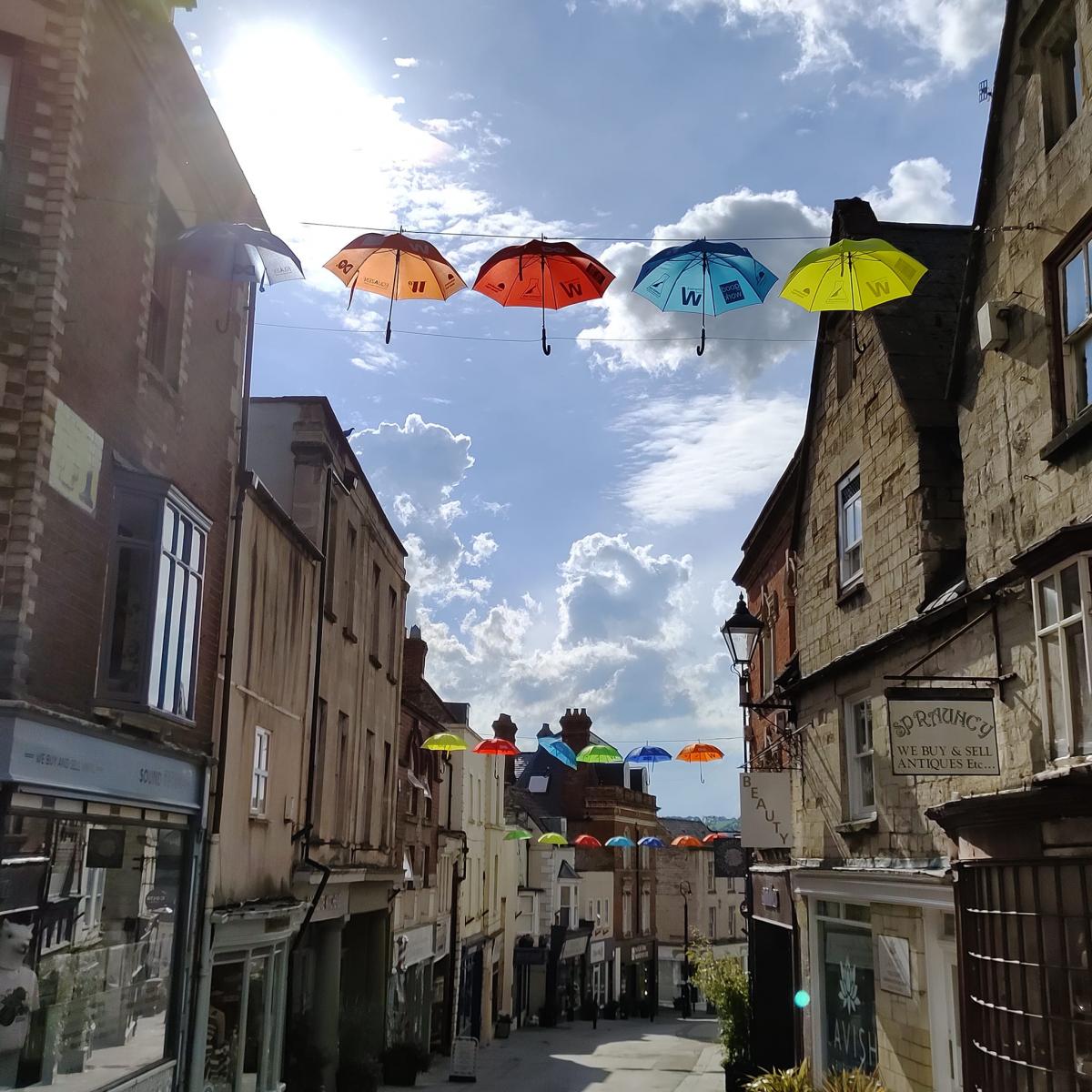
I took the first picture. Look at the sky. The brollies would have come in handy. The second comes from the Stroud News & Journal (SNJ). The following article was in the paper on 26th June: "Hundreds of multi-coloured umbrellas have been suspended above Stroud town centre as part of the initiative to raise awareness and understanding of ADHD and other neurodiverse conditions. "Jane Roberts funded the project in memory of her son Ben who struggled with ADHD before taking his life in 2020. Entitled the Stroud Neurodiversity Project the aim is to shift perceptions of ADHD and encourage others to embrace 'thinking differently'. "Jane said: 'Ben was six and at school in Stroud when his teacher first suspected ADHD. Had he been correctly diagnosed then his life would have taken a very different path. I'm funding this project because there are a lot more children out there with undiagnosed ADHD. Neurodiverse individuals thrive when given the right support. They are frequently creative, imaginative, energetic and good leaders. The Stroud Neurodiversity Project seeks to help everyone recognise and harness their strengths and achieve their potential.'" Yesterday I said I was interested to hear the plans from the Secretary of State for Education Gavin Williamson. I've extracted verbatim points from the transcript of his statement to the House of Commons in the afternoon:
I'll highlight one exchange between the Education Secretary and the Labour MP Andrew Gwynne (Denton and Reddish). Andrew Gwynne asked: "Schoolchildren have a had a pretty miserable year and Covid is a pretty miserable disease. It does not recognise the inequalities in society and it disproportionately affects some of the poorest, most disadvantaged communities - the same communities that often need extra resource and help to get that educational attainment. What more is the Secretary of State doing to tackle that inequality, which was there before Covid - it will still be there after it and will be exacerbated by it - to ensure that those children have the best start in life? They are our country's future. What more can we do to help them to catch up and excel?" Gavin Williamson replied: "The hon. Member and I share the same passion to deliver that sort of change and opportunity for so many children. It should never matter where they grew up or what their personal circumstances are; the ability of every child in this country to access the world's best education and the very best opportunities drives us on both sides of the House." I suspect that educational advantage through private schooling is still more available to the children of those on the Conservative side of the House. As Orwell's pigs proclaimed, "All animals are equal, but some animals are more equal than others." |
||||||||||||||||||||||||||||
|
Tuesday 6th July |
||||||||||||||||||||||||||||
|
We're by now getting used to the slide story from the Downing Street press conferences. It's all about breaking the link between cases and hospitalisation-and-deaths - and of course the success of the vaccination programme. The four slides from yesterday were effectively pre-announced in recent days (click to enlarge all):
Here's the full set with statistical notes: De-restriction will go ahead on July 19th, although a final assessment will be made on the 12th. The PM highlighted these government release actions in his statement:
"We will change the basic tools that we have used to control human behaviour. We will move away from legal restrictions and allow people to make their own informed decisions about how to manage the virus." He argued against waiting longer: "If we can't reopen our society in the next few weeks, when we will be helped by the arrival of summer and by the school holidays, then we must ask ourselves when will we be able to return to normal? And to those who say we should delay again; the alternative is to open up in the winter when the virus will have an advantage - or not at all this year." There was an acknowledgement of the continuing future presence of Covid - and a bit of "we told you so" self-congratulation - in his preamble: "I want to stress from the outset that this pandemic is far from over and it will certainly not be over by the 19th. As we predicted in the roadmap we're seeing cases rise fairly rapidly. There could be 50,000 cases detected per day by the 19th. Again as we predicted we're seeing rising hospital admissions and we must reconcile ourselves sadly to more deaths from Covid." Here's the full text of his statement: Keir Starmer has since challenged the wisdom of removing social restrictions on July 19th in a BBC interview: "Lifting all protections in one go when the infection rate is going up is reckless. A balanced approach, a proper plan, would say keep key protections. One of them would be masks in enclosed places and on public transport, that's a common-sense position. More ventilation - that's happening in other countries - is absolutely essential. And proper payments for those who need to self-isolate. "[The PM] says if not now then when. He hasn't seen the data yet - he's not getting the data until the end of the week. He's describing what he wants to happen, not what he can say is going to happen. That is no way to make a decision as important as this." Returning to Boris's statement, he gave notice of changes in education measures: "Tomorrow the Education Secretary will announce our plans to maintain key protections but remove bubbles and contact isolation for pupils." I look forward to hearing the plans later today. As I've written before, the impact on teenagers particularly from Covid has been dreadful. I won't go into details, but our 14-year-old granddaughter has been in great distress during recent days. Some part of it due to personal circumstances, but a large proportion attributable to the disruptive effect of Covid - and its management by this government - in her young life. So there we are. Travel issues remain. Boris stated: "We will work with the travel industry towards removing the need for fully vaccinated arrivals to isolate on return from an amber country and the Transport Secretary will provide a further update later this week." He can work with travel businesses as much as he likes. Our freedom to travel will be decided by other countries in their assessment of the UK Delta spike. And "personal responsibility"? That's a challenge for the nation. I'll be sticking to social distancing and mask-wearing for a while yet. Caroline Lucas tweeted her response: |
||||||||||||||||||||||||||||
|
Monday 5th July |
||||||||||||||||||||||||||||
|
The government is due to reveal an update on the July 19th release later today, Boris Johnson in a Number 10 news conference, Sajid Javid in a statement to the House of Commons.
It's still the old balancing act debate, mortality versus damage to society, the mix of conflicting considerations. "Learn to live with it". The threat of the burden on the NHS. The effects on mental health. Continued pressure on business, particularly the hospitality, aviation and travel industries. The crux of the matter lies in the contrast between these two charts: 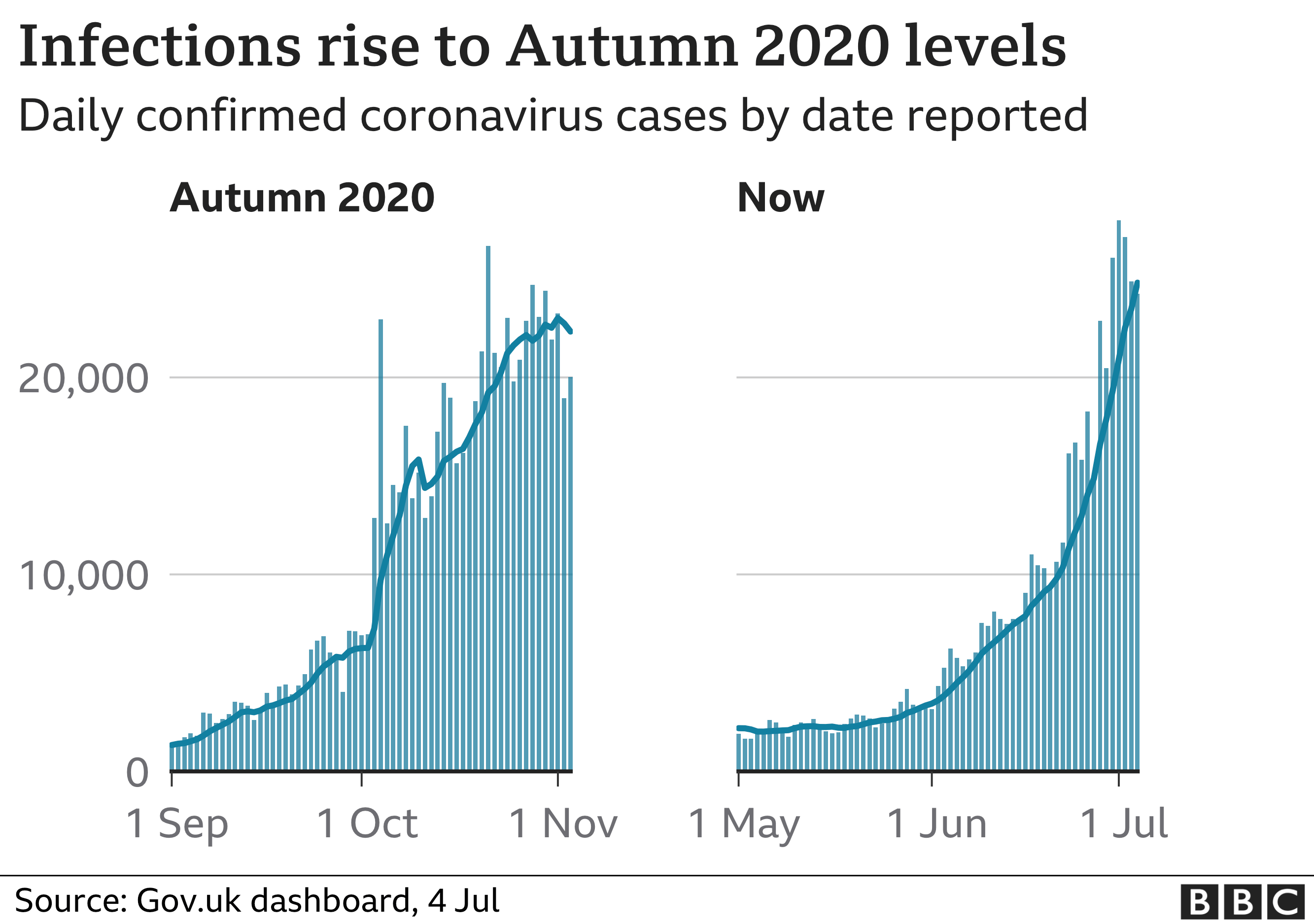
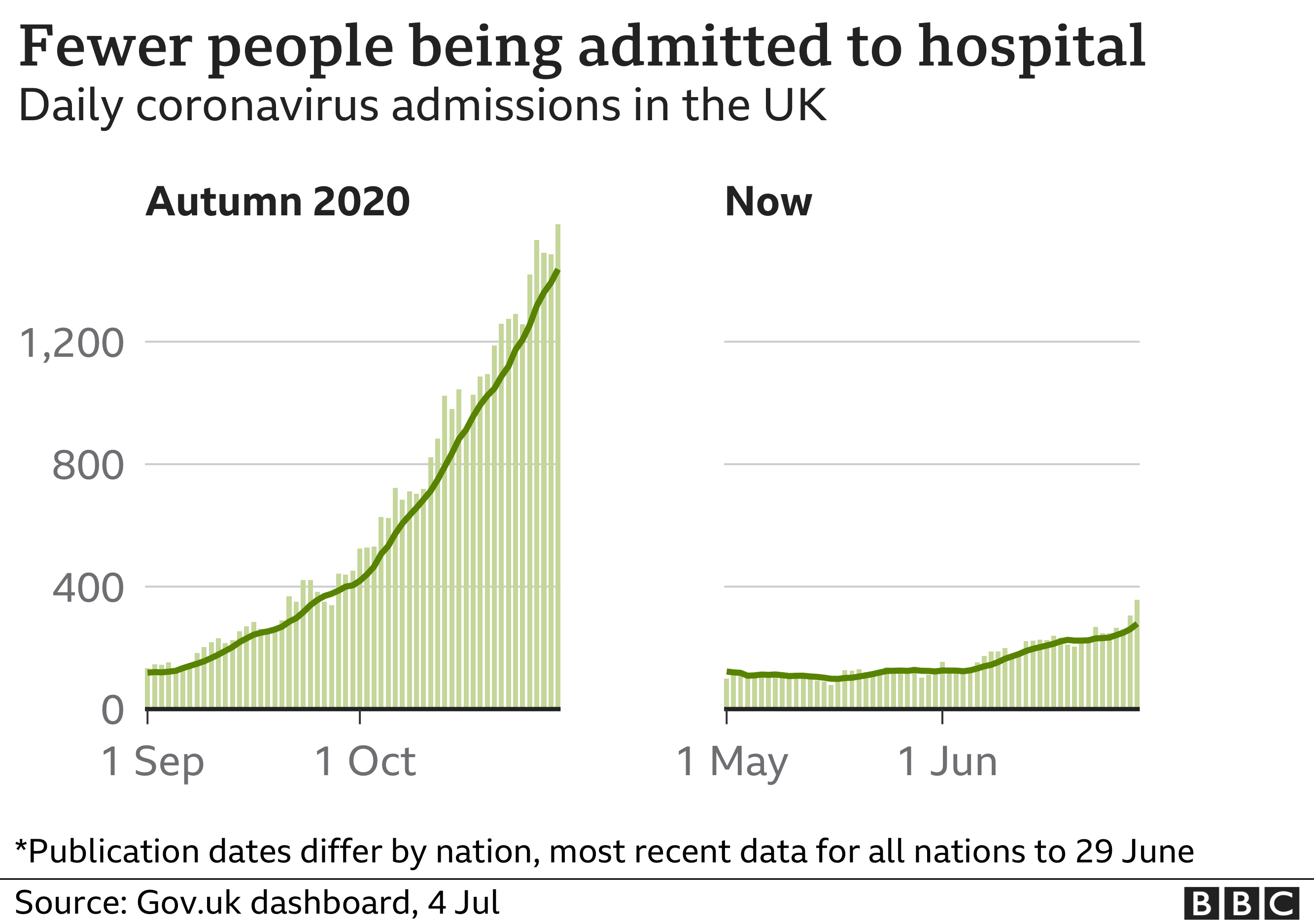
Is there any real need to stick to the July 19th breakpoint? It has become something of a Boris obsession, hasn't it? Part of the "road to freedom", the "irreversible" promise. There's no absolute logic that says the date has to be the big moment. I sense that the government feels obliged to deliver on its 4-stage plan, the final step of which has already been delayed. The nation has been encouraged to believe in the process and public opinion will demand its completion. We watch and wait. |
||||||||||||||||||||||||||||
|
Sunday 4th July |
||||||||||||||||||||||||||||
|
Blog rest day with family commitments.
I'll just spare a minute to explain my considerable contribution to the England football team's progress in the Euros. 
I'm not a betting man except in these circumstances. To offset the gloom following another dismal England performance in international events - it's usually been rugby union - I place a small bet on the result I don't want, the opposition win. It means that I can at least, with favourable odds, console myself with something like a family lunch treat. I'm ahead at the moment after backing the England-Scotland 0-0 draw; I would have done even better had Scotland won. I lost my stake on the Czech Republic, Croatia, Germany and Ukraine games. My scheme is working so far. The team have my losses to thank for continuing success. I have already punted on Denmark to win next Wednesday. I suppose I'd better acknowledge this event of 245 years ago: 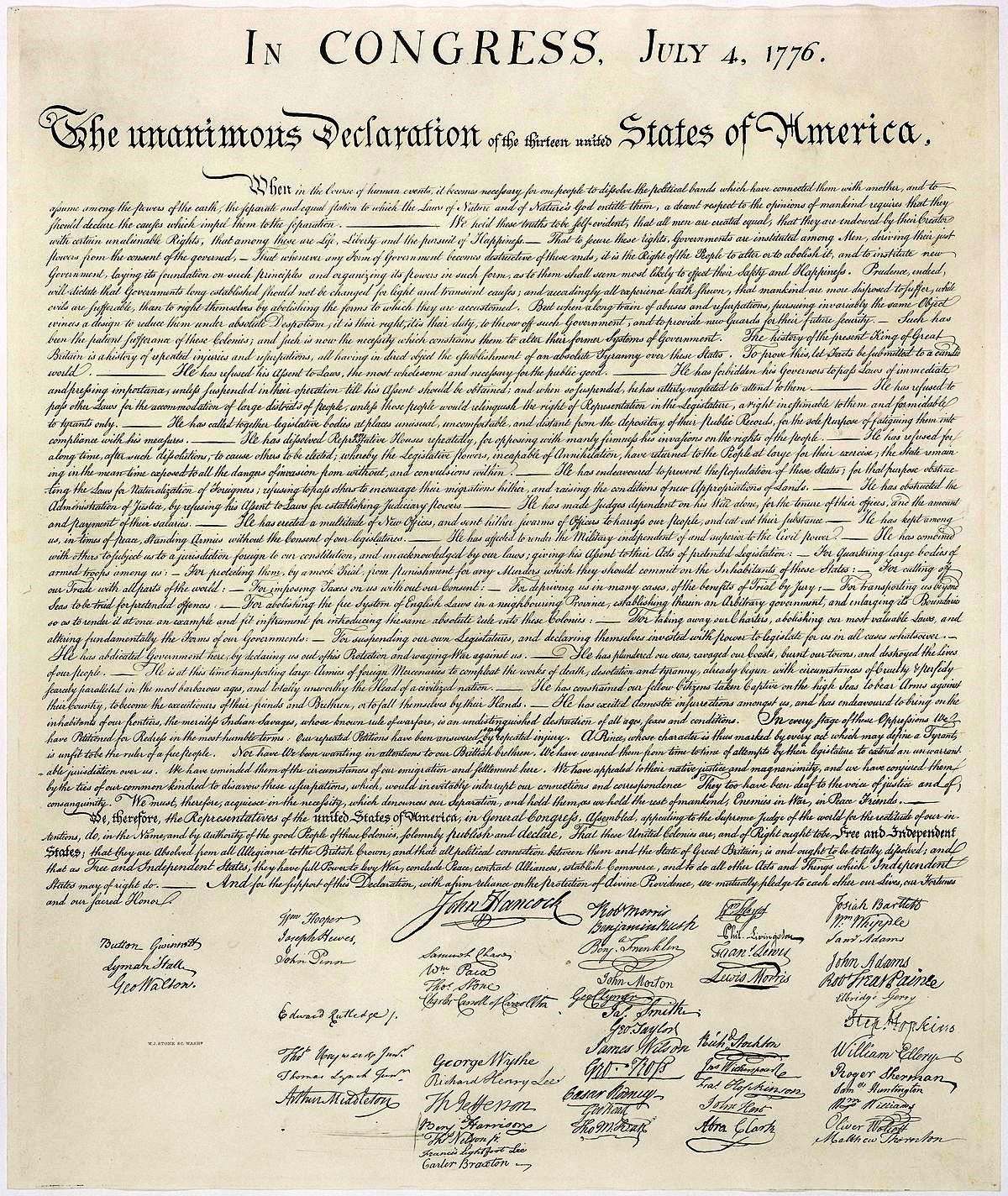
|
||||||||||||||||||||||||||||
|
Saturday 3rd July |
||||||||||||||||||||||||||||
|
I've been concentrating on UK news for the last few days: the Hancock scandal, the return of Sajid Javid, Boris and his vaccination programme, the Delta variant, July 19th. What about the international Covid picture?
Here are yesterday's WHO case reports in both numbers and chart (click to enlarge): What do they tell us? The Americas (39.78%) and Europe (30.73%) account for 70.51% of the global total of 182,200,445 cases. Overall, from the end of April there has been a steady downward trend. There's the recent Delta upturn, which despite concern is less severe than previous waves. How is the UK faring in comparison with other European nations (I won't give up, Brexit be damned 🤬)? Here's an FT/Johns Hopkins new case summary of selected countries over the last 6 months (click to enlarge): The UK has experienced the most dramatic fall in cases since January - and the most pronounced Delta variant surge in the last six weeks. Spain has seen a spike too, although not as marked. France, Italy, Germany, Greece - much less so. You can see why Britain has been subject to quarantine measures. During her meeting with Boris Johnson at Chequers yesterday Angela Merkel spoke about admitting UK travellers: 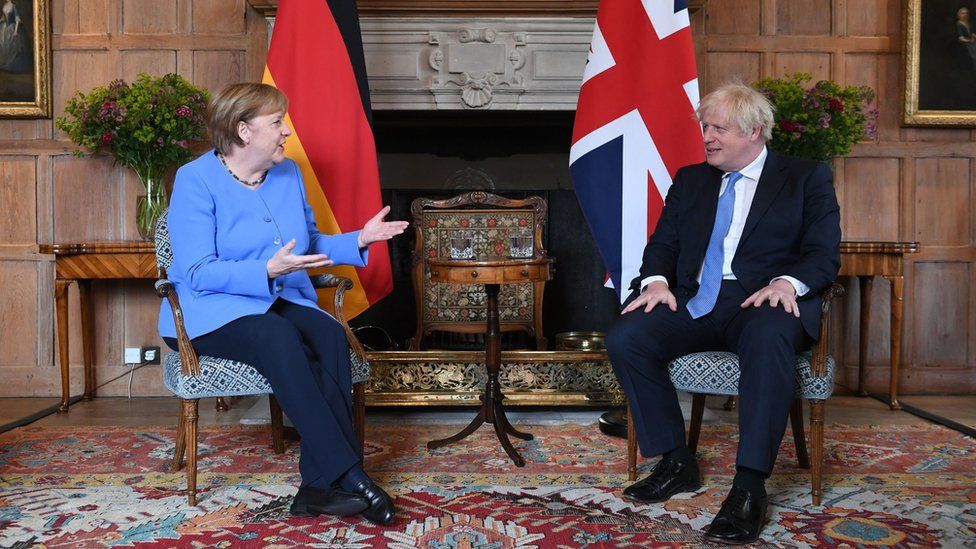
"We are reviewing continuously our travel restrictions and we think that in the foreseeable future those who have received double jabs will then, according to our classification - and now Britain obviously is a high incidence area - be able to travel again without having to go into quarantine." A guarded and mixed message. The UK has some way to go in controlling cases before other countries welcome British visitors. |
||||||||||||||||||||||||||||
|
Friday 2nd July |
||||||||||||||||||||||||||||
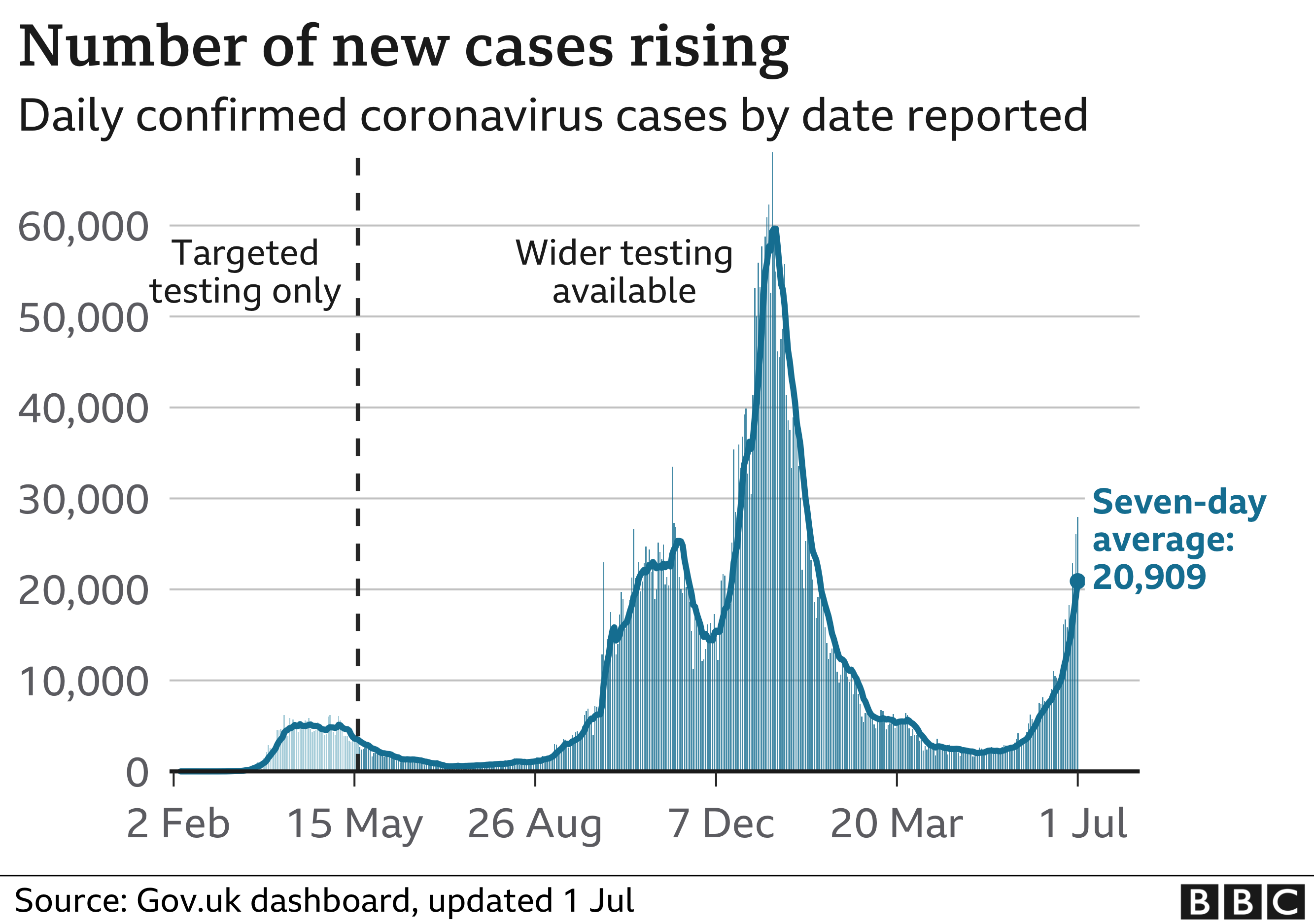
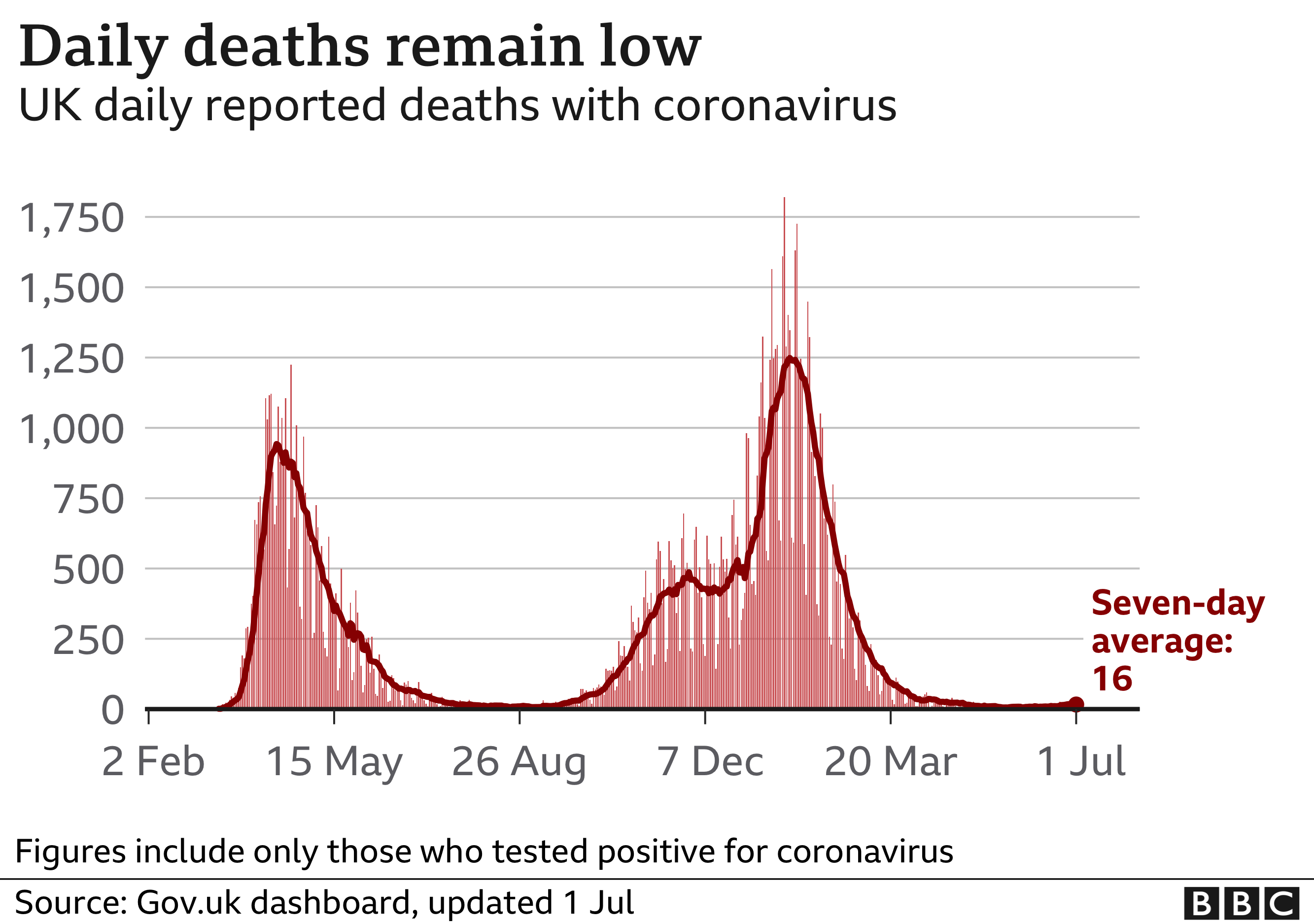
Here are the above charts in words from the GOV.UK "simple summary": Cases: 27,989 new people had a confirmed positive test result reported on 1 July 2021. Between 25 June 2021 and 1 July 2021, 146,360 people had a confirmed positive test result. This shows an increase of 71.8% compared to the previous 7 days. Deaths: There were 22 deaths within 28 days of a positive test for coronavirus reported on 1 July 2021. Between 25 June 2021 and 1 July 2021, there have been 114 deaths within 28 days of a positive coronavirus test. This shows an increase of 10.7% compared to the previous 7 days. So, the increases over the last 7 days are: cases 71.8%, deaths 10.7%. We might also compare these statistics with those from last winter (FT/Johns Hopkins). On January 10th there were 59,653 cases, just over twice the total of yesterday. There were 909 deaths, 41 times yesterday's. That's an astonishing change in the relationship between cases and deaths. It's this difference that encourages the government to press forward with an "irreversible" release on July 19th, isn't it? The "we have to learn to live with the virus" approach. The current level of deaths is deemed acceptable in an endemic disease, balanced against the damage caused to the economy and society by continued restrictions. What about the trajectory of fresh cases? It's a dramatic upwards curve. How is that to be resolved? Will full two-dose vaccination of the adult population make the hoped-for significant impact? Is there a longer game to be played, third booster doses, safe vaccines for children? Will Covid in time become no more newsworthy than the common cold? The story will surely extend over at least another 12 months. |
||||||||||||||||||||||||||||
|
Thursday 1st July |
||||||||||||||||||||||||||||
|
Boris Johnson stuck to one theme in his answers at PMQs yesterday.
"We had a new Health Secretary in place by Saturday. Given that we have a pandemic, to move from one Health Secretary to the next with that speed was fast, but it was not as fast as the vaccine roll-out, which is now going so fast that in this week half of under-30s have now had their first jab. That is speed." "I am proud to tell this House that in the past few days this country has overtaken Israel in the proportion of people that we have vaccinated." "What we are doing as a Government instead of focusing on stuff going on within the Westminster bubble is focusing on rolling out the vaccines. We will have vaccinated everybody by 19 July; every adult over 18 will have received one jab and everybody over 40 will have received two jabs. That is the priority." "[We will] roll out those vaccines and allow the people of this country to work forwards towards freedom day, which I devoutly hope will come on 19 July. Never let it be forgotten that if we had followed the advice of the right hon. and learned Gentleman, that would not be possible because it was under his proposals that we would have stayed in the European Medicines Agency and been unable to deliver the vaccine roll-out at all." "It is as a result of that vaccine roll-out which, as I say, would have been fatally impeded had we followed the policies of the Labour party, that we now have a higher wall of vaccination than virtually any other country in the world and are able to proceed with our cautious but, we hope, irreversible unlocking of the UK economy." I'm sure you've got the idea by now. The vaccination programme is Boris's defence - or weapon of attack - against almost anything, whether accusations of incompetence, ministers and advisers breaking social guidelines, contracts awarded to chums, probably even the expense of decorating his flat. Certainly any question from Keir Starmer. It's close to bullet-proof 😠 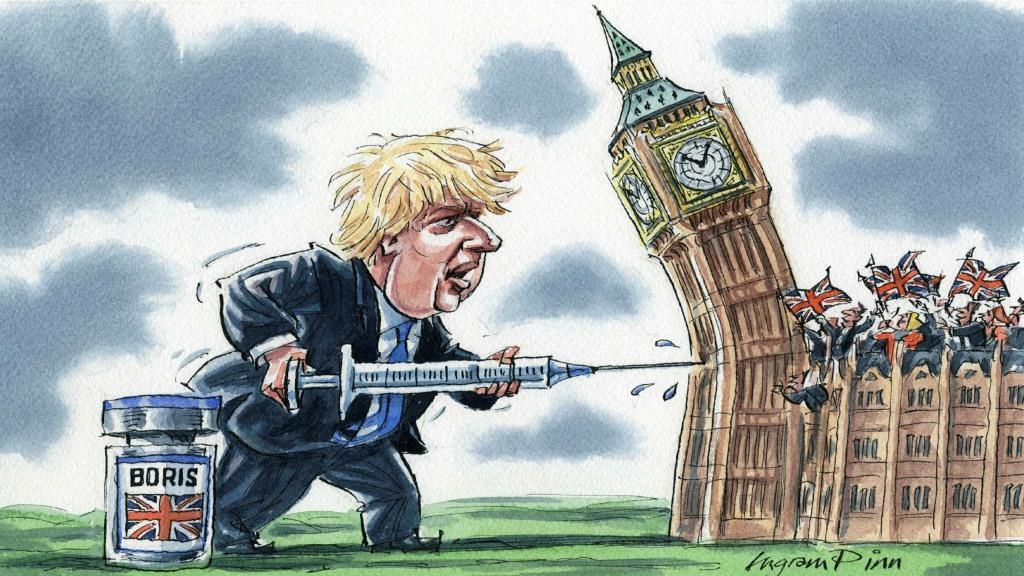
|
||||||||||||||||||||||||||||
|
Wednesday 30th June |
||||||||||||||||||||||||||||
|
Some things are just plain wrong. I was dismayed to see that Chris Whitty had been accosted in St. James's Park. Earlier in the day Sarah's brother, who is in his 70s, was mugged and stabbed. In leafy south-west London, for heaven's sake. He was out for a walk in the early morning when a scooter rider stopped and demanded his wallet. He refused and there was a tussle. The thief took his bag containing valuables. A kind bus driver kept passengers waiting for 10 minutes while helping; he called the police. Four police cars arrived, too late of course to catch the scooter rider. They took my brother-in-law to the police station to patch up his wounds and take DNA samples.
There's an article in the latest issue of the local Stroud listings magazine Good on Paper about two friends Jane Harris and Jimmy Edmonds. They lost their son Josh - a close friend of our son Ben - in 2011. He died in a road accident in Vietnam while he was on a six-month tour of the Far East. He was just 22. Jane and Jimmy have confronted their grief head-on, making several films exploring the anatomy of loss and founding The Good Grief Project. This year's Stroud Film Festival is screening their latest film Beyond the Mask. The Covid connection is clear. I quote from the article by Nikki Owen: 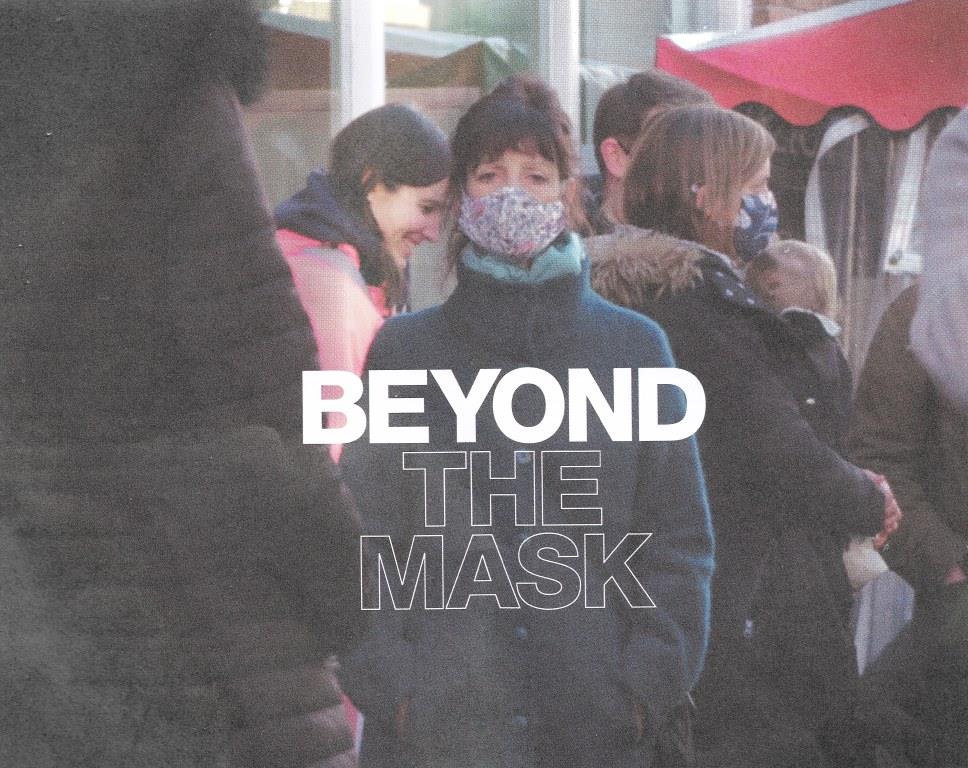
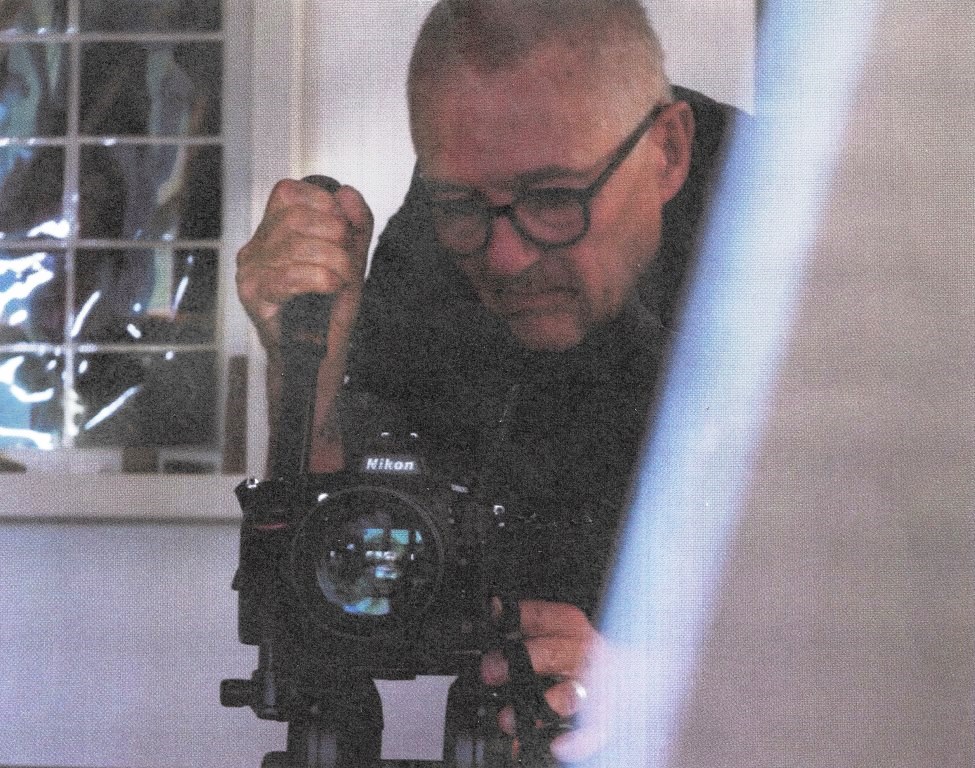
"The couple are using the screen once again to explore grief, this time during COVID-19. 'We struggle in our society to talk about grief,' Jane says, a trained public speaker who has worked in promoting films made by women, 'and yet, with the global COVID-19 pandemic, grief and loss have suddenly been something we've had to become accustomed to, whether directly or through the experience of others. Grief in these times has thrown up new challenges for us. 'Beyond The Mask' invites us to re-evaluate what is important in our lives. So many people feel unheard and isolated and need to be free to speak about their experiences and we want to help share them.' "'Beyond The Mask' was made entirely during the pandemic. It premiered on the anniversary of the UK being plunged into a first national lockdown, and was launched with a special free online screening hosted by the Death Positive Libraries Project. Co-presented with acclaimed author and palliative care campaigner Dr Kathryn Mannix, it reached an online audience of over 400. And now, on July 4th, it's being shown at the Lansdown Hall presented by Stroud Film Festival." Here are the relevant web links: Good on Paper |
||||||||||||||||||||||||||||
|
Tuesday 29th June |
||||||||||||||||||||||||||||
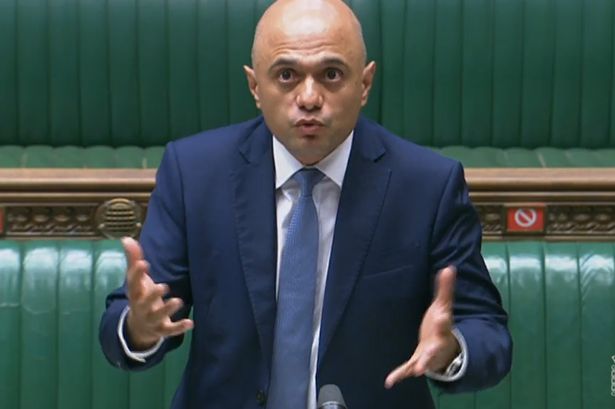
Sajid Javid made his first statement to the House of Commons yesterday: "I spent my first day as health secretary just yesterday looking at the data and testing it to the limit. While we decided not to bring forward step 4, we see no reason to go beyond July 19, because, in truth, no date we choose comes with zero risk for Covid. We know we cannot simply eliminate it, we have to learn to live with it. We also know that people and businesses need certainty, so we want every step to be irreversible. And make no mistake, the restrictions on our freedom, they must come to an end. We owe it to the British people, who have sacrificed so much, to restore their freedoms as quickly as we possibly can and not to wait a moment longer than we need to. With the numbers heading in the right direction, all while we protect more and more people each day, July 19 remains our target date. The prime minister has called it our 'terminus date'. For me, July 19 is not only the end of the line, but the start of an exciting new journey for our country." His declared approach is a natural extension of the shift in governmental attitude we saw at the Downing Street briefing two weeks ago (see this blog on 15th June here: 👇) in which Chris Whitty used the phrase "the rest of our lives" and Patrick Vallance the word "forever". Coronavirus is here to stay. We will treat it like influenza. The logic has by now been clearly stated. Click on all charts below to enlarge. Yes, there's been an increase in infections, clearly visible in the chart of recent months published by GOV.UK: The justifying change is in the impact of these infections. Reuters reported yesterday: "The United Kingdom recorded 18,270 new coronavirus infections on Saturday, the highest daily rise since February 5, and 23 deaths." That's a death-to-infection percentage of 0.0012%. There were 985 deaths on 5th February against 19,823 infections (FT/Johns Hopkins), a percentage of 0.049%, ~40 times higher. There is the weakening of the link between cases and hospitalisations. I'm using the Scottish charts here (I don't want to leave them out or they'll demand independence): 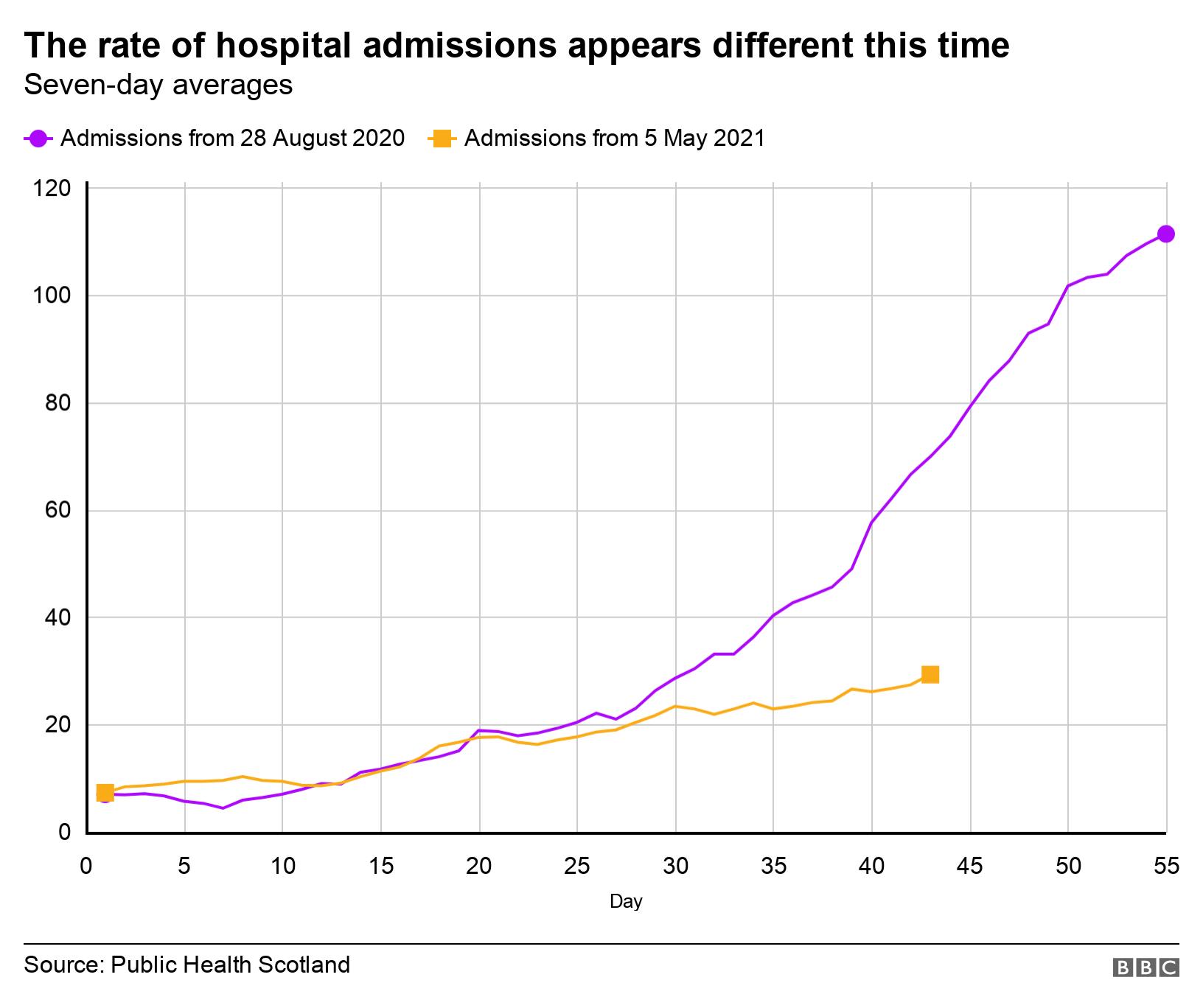
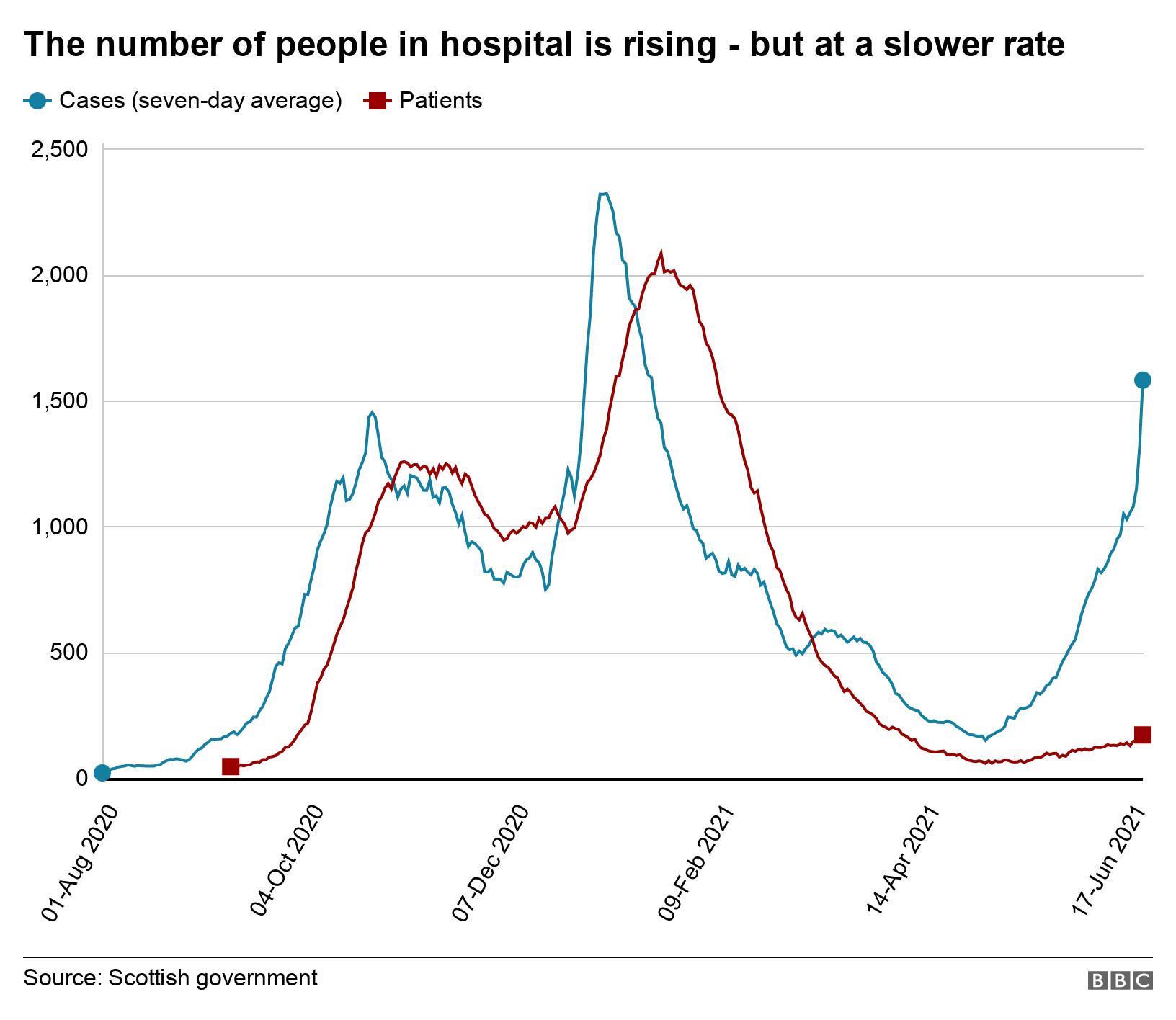
The promise is that the vaccination programme will keep the virus in check (GOV.UK): Are we on course for July 19th? Sajid seems determined. Some of our European cousins have less confidence in UK progress, witness the Portuguese imposition of quarantine. |
||||||||||||||||||||||||||||
|
Monday 28th June |
||||||||||||||||||||||||||||
Same job, different face (well, different mask). Sajid Javid will give an update to the Commons on Covid measures this afternoon. He will have had a busy Sunday. A review here later [18:45 update - tomorrow now].
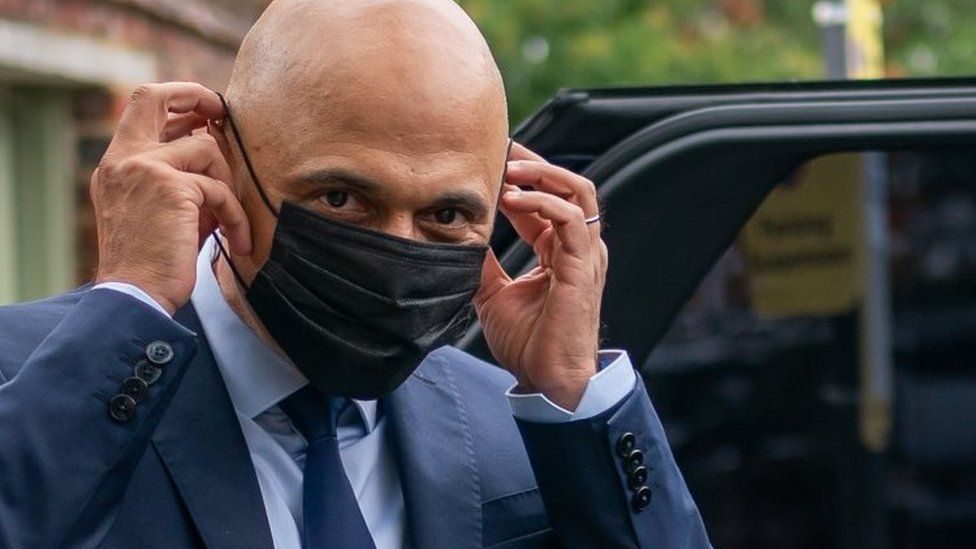
How quickly Matt Hancock becomes part of history. Although there will be scrutiny of Gina's appointment and role, the improper use of email and more besides, I'm sure. Labour MP Anneliese Dodds said: "[The Conservatives] have serious questions to answer about how Gina Coladangelo gained the right to enter parliament unchecked. We need to know why was she sponsored by one of Matt Hancock's chums in the Lords and what work she did for him." Keir Starmer stated: "If anybody thinks that the resignation of Matt Hancock is the end of the issue, I think they're wrong; the incoming Health Secretary and the Prime Minister now have serious questions to answer about the CCTV, the access, the passes, the contracts." |
||||||||||||||||||||||||||||
|
Sunday 27th June |
||||||||||||||||||||||||||||
|
He didn't even make it through the whole weekend. Matt Hancock, former Secretary of State for Health and Social Care, resigned yesterday.
GOV.UK published his letter to Boris Johnson Hancock's letter is contrite: "I am writing to resign as Secretary of State for Health and Social Care. We have worked so hard as a country to fight the pandemic. The last thing I would want is for my private life to distract attention from the single-minded focus that is leading us out of this crisis. I want to reiterate my apology for breaking the guidance, and apologise to my family and loved ones for putting them through this. I also need be with my children at this time." Boris's letter of reply is full of praise for Hancock's achievements. Not many references to "hopeless". The PM uses the letter to promote the success of his own government: "It has been your task to deal with a challenge greater than that faced by any of your predecessors, and in fighting Covid you have risen to that challenge - with the abundant energy, intelligence and determination that are your hallmark. Under your leadership, the Department for Health and Social Care has identified and deployed critical life-saving treatments such as Dexamethasone, rapidly increased hospital capacity through the Nightingale programme, and provided 11.7 billion items of PPE to the frontline at record speed. In March 2020, we had the capacity to test 2,000 people a day; now, we have built the largest diagnostic network in British history and have administered over 200 million tests. The vaccine procurement and deployment programme - in my view one of the greatest successes of the modern state - is now forging our path out of the pandemic." "You should be immensely proud of your service. I am grateful for your support and believe that your contribution to public service is far from over." The Mirror printed a classic item of tabloid frippery last Friday. Remember Glenda Slagg in Private Eye? I can't resist posting all of the piece by Polly Hudson. It's worth it. 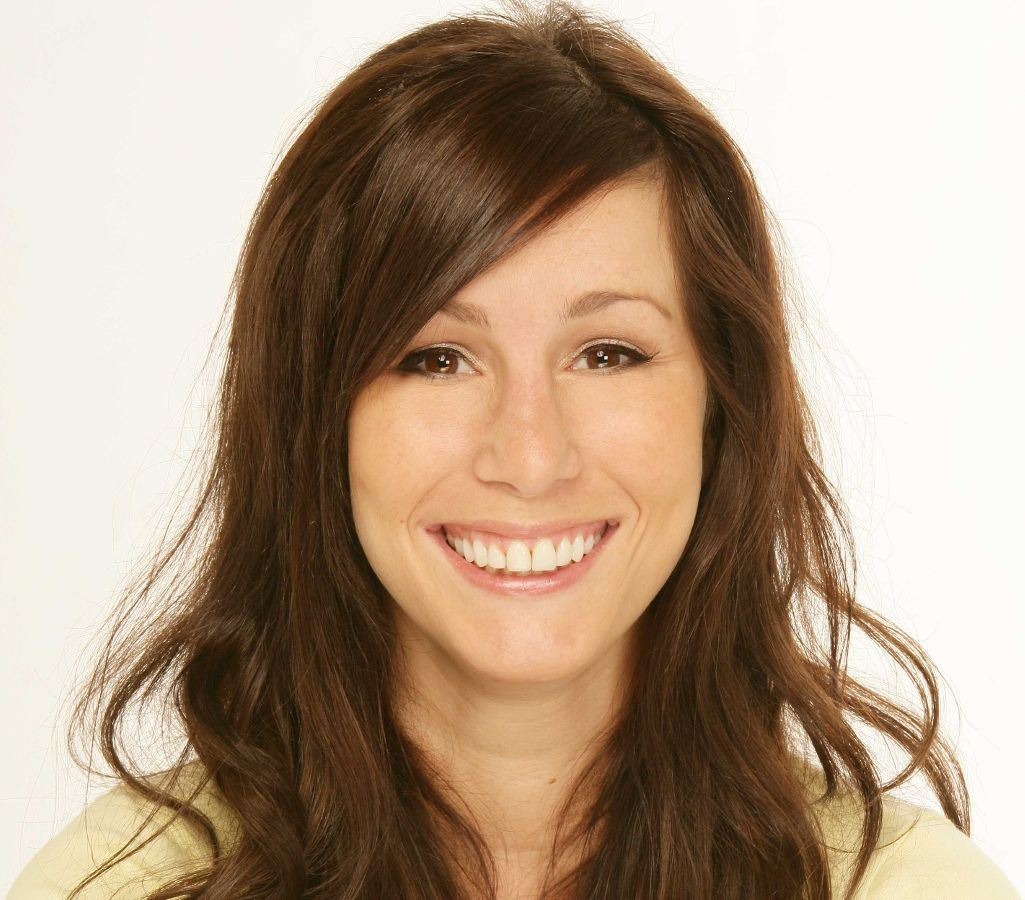
"So it turns out there's another thing Matt Hancock is useless at - being a husband. This morning the nation tried its best not to puke into its porridge as photos emerged of him snogging a woman who was most definitely not his wife. A friend of Hancock revealed that he 'has no comment on personal matters. No rules have been broken.' Interesting. "First up, pretty sure Martha Hoyer Millar, aka Mrs Hancock for the last 15 years, and mother of his three children can think of one or two that have been slightly fractured, shall we say. Oh, and also there's the small matter of the date that the stomach-churning wet lettuce clinch photos were taken. They're reportedly from May 6, almost two full weeks before hugging between households was allowed. No rules have been broken though - Hancock was probably just canoodling to test his eyesight, or something. "The Other Woman is an old chum from Oxford university, who Hancock has remained 'close friends' (cough cough) with ever since. By complete coincidence - because obviously he has absolutely no previous for giving jobs and contracts to his mates - she got an unpaid role and then a job. Gina Coladangelo was hired first as an unpaid adviser, and then as a paid non-executive director. To clarify, that's paid in money, not kind. Almost definitely. "The truly bafflingly thing about this embarrassing expose is that it was hard enough to compute that one woman in the world fancied Matt Hancock, and now we're forced to accept that TWO do? Power is famously an aphrodisiac, and admittedly he does have an important sounding job, but come on - this dweeb is a national laughing stock, at best. "He's cringely fake cried on telly. Replied uncertainly, 'I don't think so?' when asked if he agrees that he's useless. Become the subject of countless memes, due to things like somehow managing not to be able to sit down convincingly. Been ripped to shreds by Piers Morgan on GMB over and over again. Shown himself to be incompetent, negligent, ineffectual, the government's whipping boy. "And yet there was one woman watching all of that - maybe not even through her fingers, like the rest of us - thinking ... phwoar. Mind-boggling. "Quite apt that Hancock's the Secretary of State for Health, as after looking at the photos of him getting lucky, many of us are left feeling like we need medical assistance. Prepare for the understatement of the megaannum (that's a million years). Martha and Gina, YOU CAN DO BETTER." The Sun today was characteristically smutty: "While Hancock was lecturing the rest of us about strict Covid rules and threatening us with jail, he was taking a saliva sample from the lovely Gina Coladangelo. When he was telling us to responsibly socially distance, he was exploring the lush topography of her bottom." One final point. This resignation was triggered by the strength of perceived public opinion. Conservative MP Andrew Bridgen said: "People have made huge sacrifices to beat the pandemic and what riles them is the whiff of hypocrisy that ministers make the rules and don't stick to them themselves." Boris insists it wasn't a sacking. But there was no chance that Matt Hancock would ever again be able to instruct the nation to follow his guidelines. |
||||||||||||||||||||||||||||
|
Saturday 26th June |
||||||||||||||||||||||||||||
The international travel traffic light debate rumbles on. I suppose it's the summer holiday season and we're all hankering after an escape. My persistent dream is of a harbour-front café. Here's the screen background on my PC (click to enlarge):
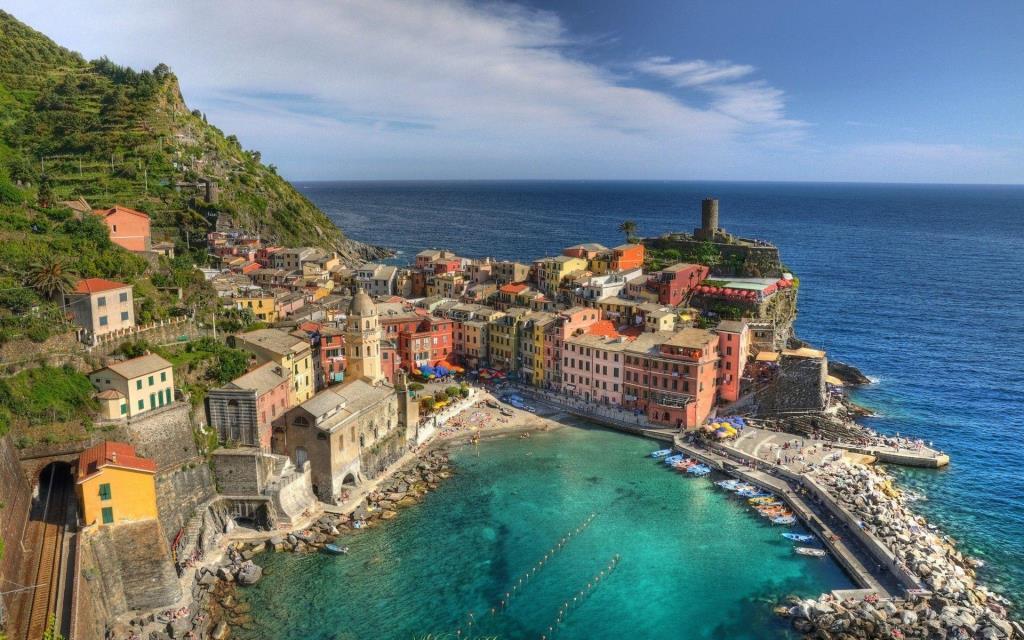
The government has just updated the yes-you-can-no-you-can't lists. The places on the green list (or green watchlist if a country is at risk of moving to amber) interest me. All but one of those here Some warm spots are quite a distance away: Antigua, Barbados, Bermuda, Brunei, Dominica. The Ducie and Oeno Islands are uninhabited atolls in the South Pacific. Then there are the Falkland Islands and South Georgia, with daytime temperatures respectively of 5℃ and -3℃. We won't be hopping on a 'plane to visit them. Now here's a tale of Covid-plus-technology. I went out on Yellie the electric bike during the late afternoon yesterday and stopped for a coffee at the Curio Lounge café in town. I fancied - and was served - this: 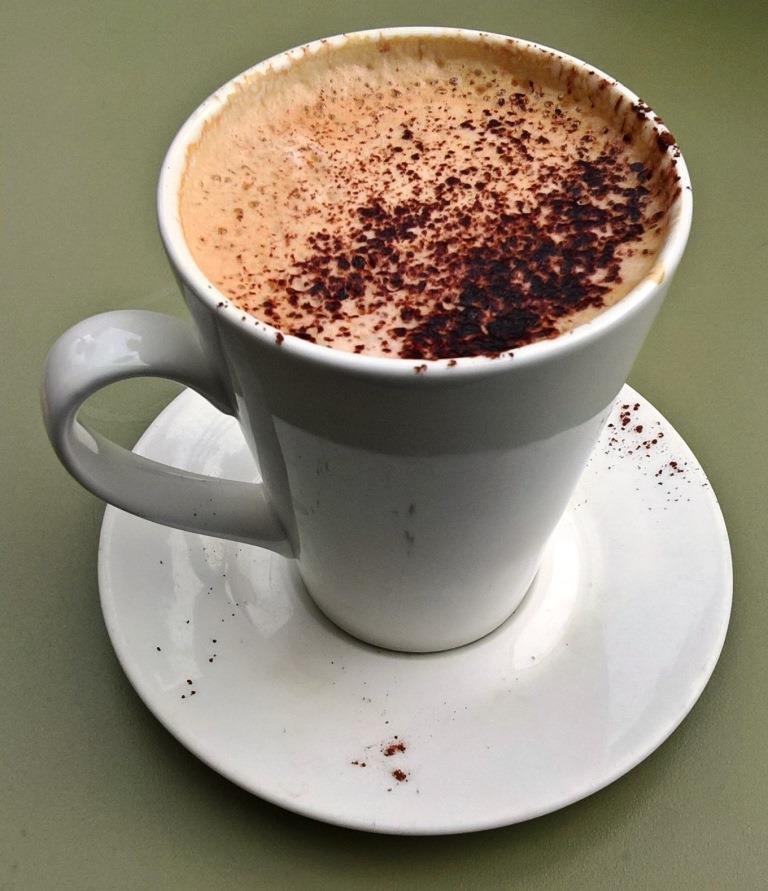
How did I get it? I'd gone inside and a waitress stopped me, told me to go outside and order on the website. Eh? I sat at a table faced with this card in a little stand (click to enlarge): 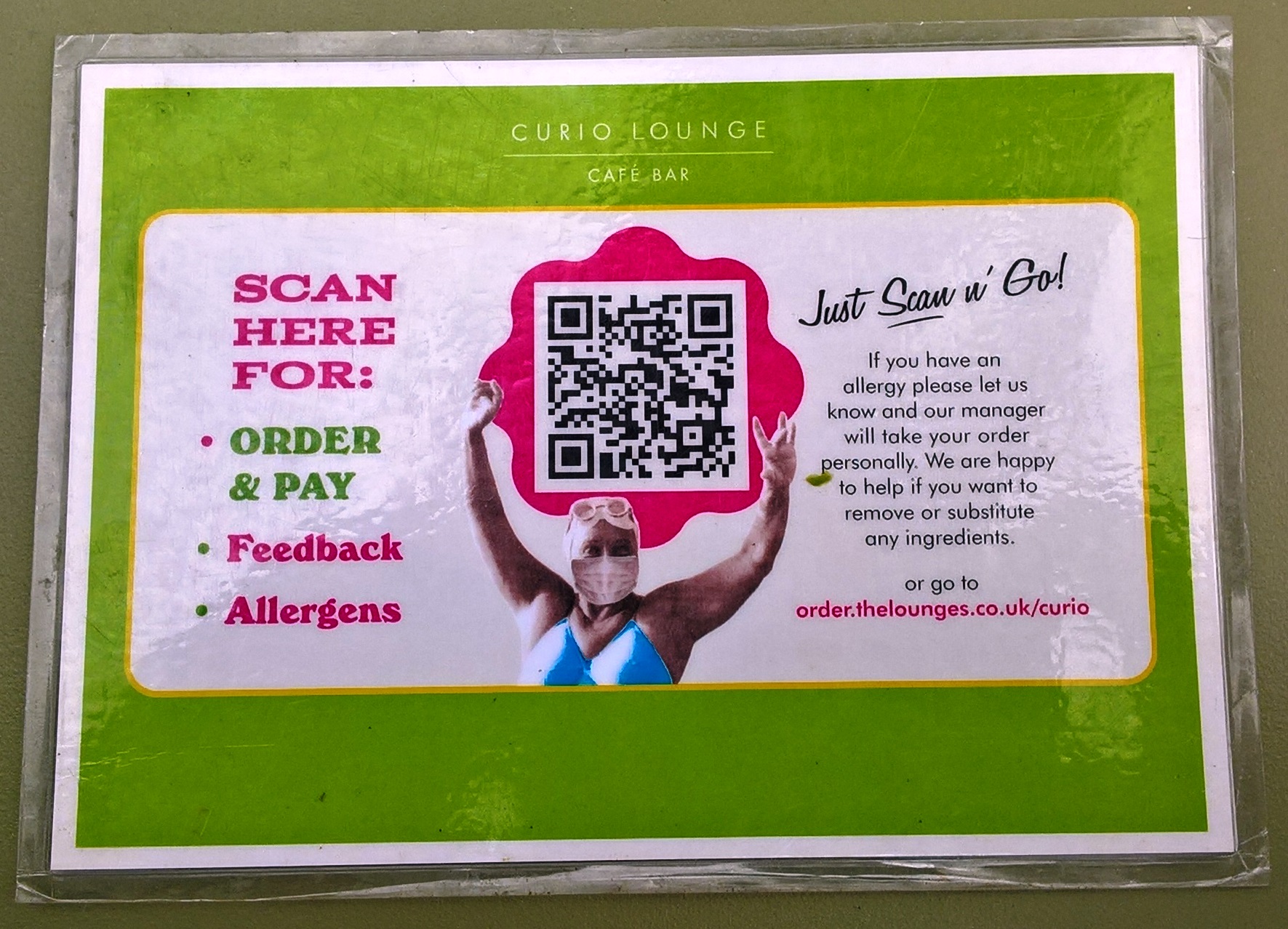
So: scanned the QR code with my 'phone; landed on the website; found a cappuccino; put it in my "basket"; paid with my debit card. It arrived in under 5 minutes. Human contact? Use cash? Not a chance. Yes, social distancing. But without a mobile or online banking? I suspect all the above will pale into insignificance next to the headline misdemeanours of the prince of "Hands-Face-Space": 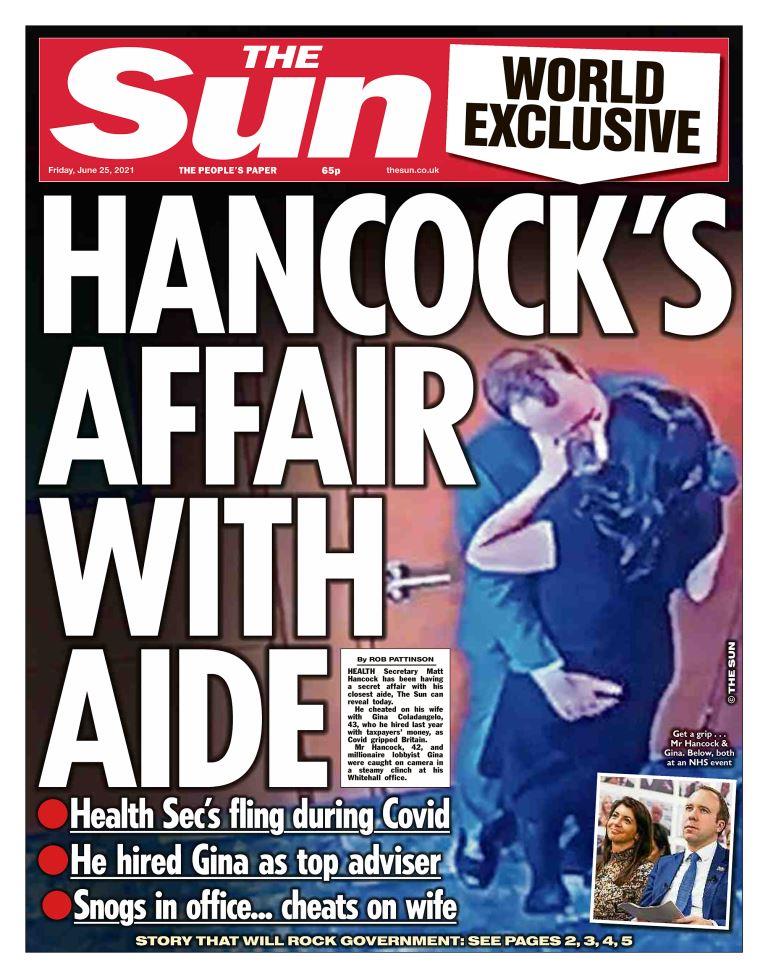
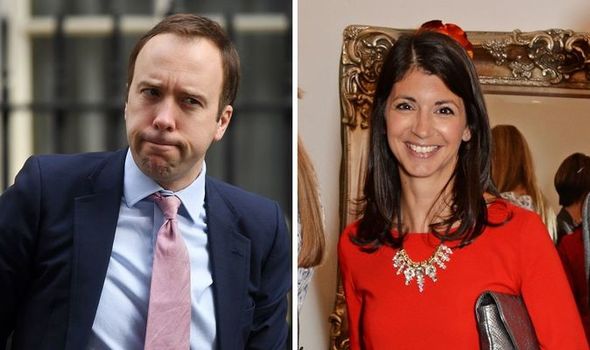
Oh yes, there's surely more to come on this. It's a measure of our Covid times that public displeasure thus far - and his apology - has been about his breaking social distancing rules, not marital transgression. Hypocrisy, not infidelity. Will he last beyond the weekend? Boris can hardly judge him on matters of morality given his own private life; moreover I think the PM is temperamently against such an approach. But does the Hancock dalliance and its flouting of all his own coronavirus advice to the nation put too much of a dent in the government's vaccination-led positive image? Boris has always been a PR junkie; he cares about how his administration comes across. |
||||||||||||||||||||||||||||
|
Friday 25th June |
||||||||||||||||||||||||||||
|
I am - please indulge me - obliged to report on our visit yesterday to the La Lanterna Italian restaurant in Shrewsbury. It was a post-lockdown treat, a mini-celebration, the first time we've eaten out properly in 18 months. Covid-safe, of course.
It's a hidden gem tucked away in the Old Vestry at the back of St. Julian's Church. Riccardo Pensa established the restaurant in January 1996. Alfredo ("Freddy") Pensa took over in December 2014 from his brother. They're from Tuscany and the region's influence shows, not exclusively but in certain dishes. The place mats proclaim "Bella Toscana". The entrance is unprepossessing, a hole-in-the-wall in an alley. Inside it's not large; we counted about 30 settings. There's really just one main room, snug, wood-panelled and festooned with Italian artifacts and memorabilia. Our table is on the left in the second picture (click to enlarge all three), in which you can see at the back centre-right a charming little separate room that seats only 6. 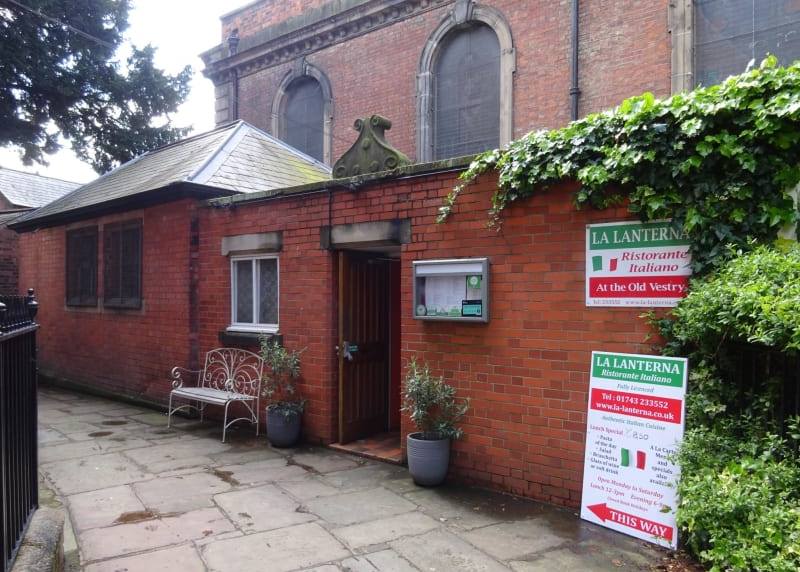
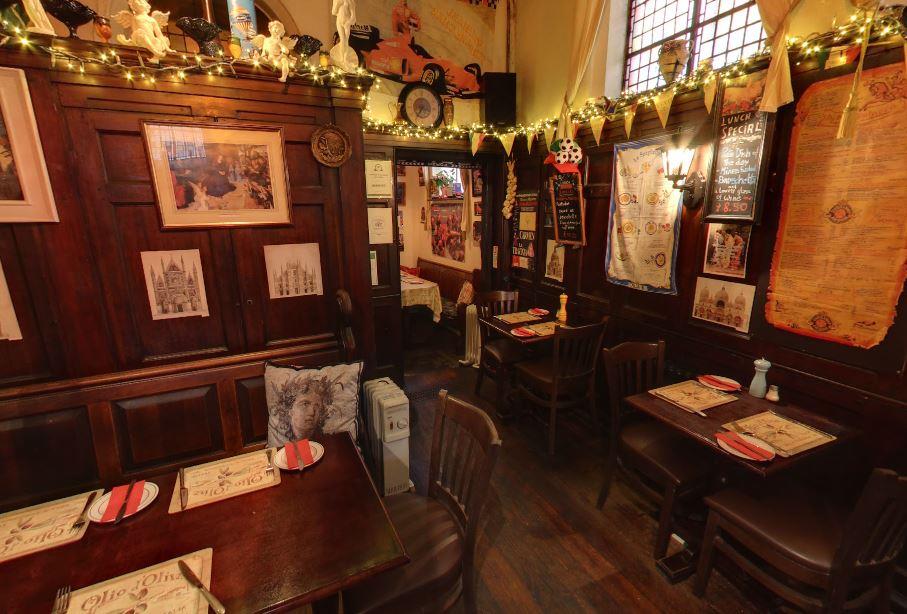
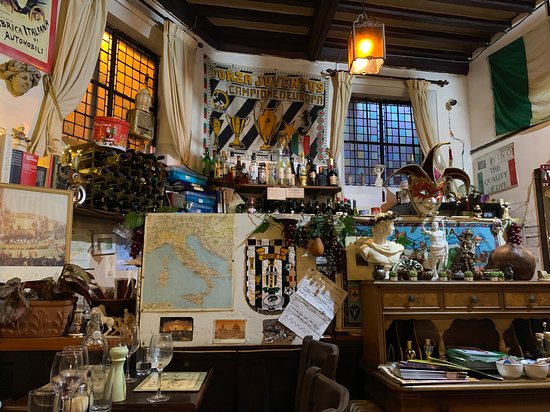
All of our food was delicious, rich and tasty: melanzane; bruschetta ai gamberoni; penne 'lanterna' - pasta with cream, ham, spicy salami, mozzarella and prosciutto crudo; linguine alla marinara - pasta with succulent mussels, clams, cream and white wine sauce; homemade cheesecake and tiramisu. They also do a very good lunch special for £8.50: pasta-of-the-day, bruschetta, salad and a glass of wine. Waiter Alex was delightful - charming and attentive. He had a story to tell. His Argentinian father and Italian mother raised him and his siblings in Australia. The parents then moved to Shrewsbury to look after elderly relatives. Alex came to visit and has now stayed 8 years. I enquired what his surname was. "Ah," he said, "proper Argentinian - Holmes-Brown." I asked Alex to pass on our compliments to the kitchen - "Who's cooking today?" He answered, "Jamie - he's from Telford." As we left I said to Sarah, "Now, that's my kind of restaurant." She replied, "Mine too." Back to business tomorrow ... |
||||||||||||||||||||||||||||
|
Thursday 24th June |
||||||||||||||||||||||||||||
A day off from the blog. Lunch at La Lanterna family Italian restaurant in Shrewsbury.
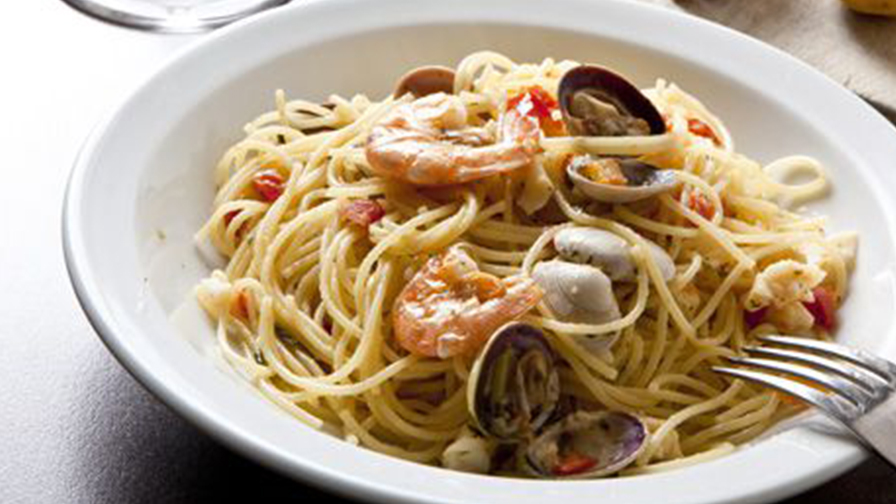
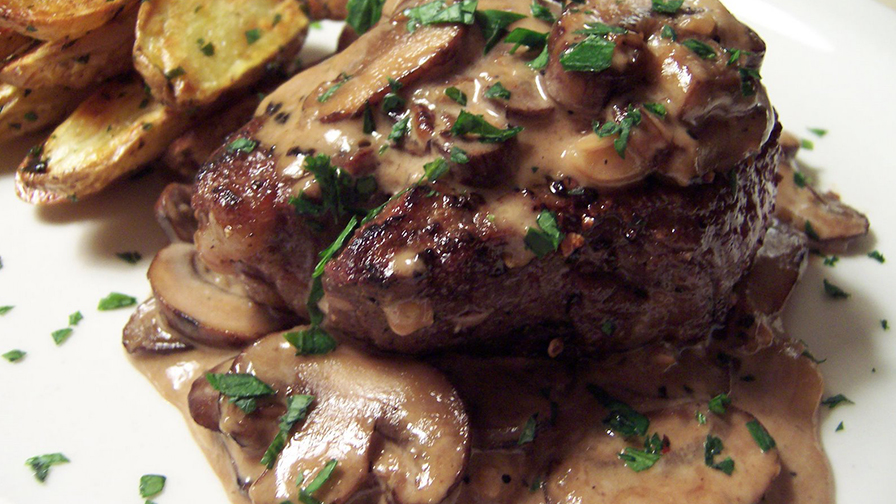
Tea and scones in Ludlow on the way back? |
||||||||||||||||||||||||||||
|
Wednesday 23rd June |
||||||||||||||||||||||||||||
Last Monday the  newspaper had an extra front cover (the regular page 1 was inside, effectively page 3) devoted to a full-page Amazon advert for its Prime service: newspaper had an extra front cover (the regular page 1 was inside, effectively page 3) devoted to a full-page Amazon advert for its Prime service:
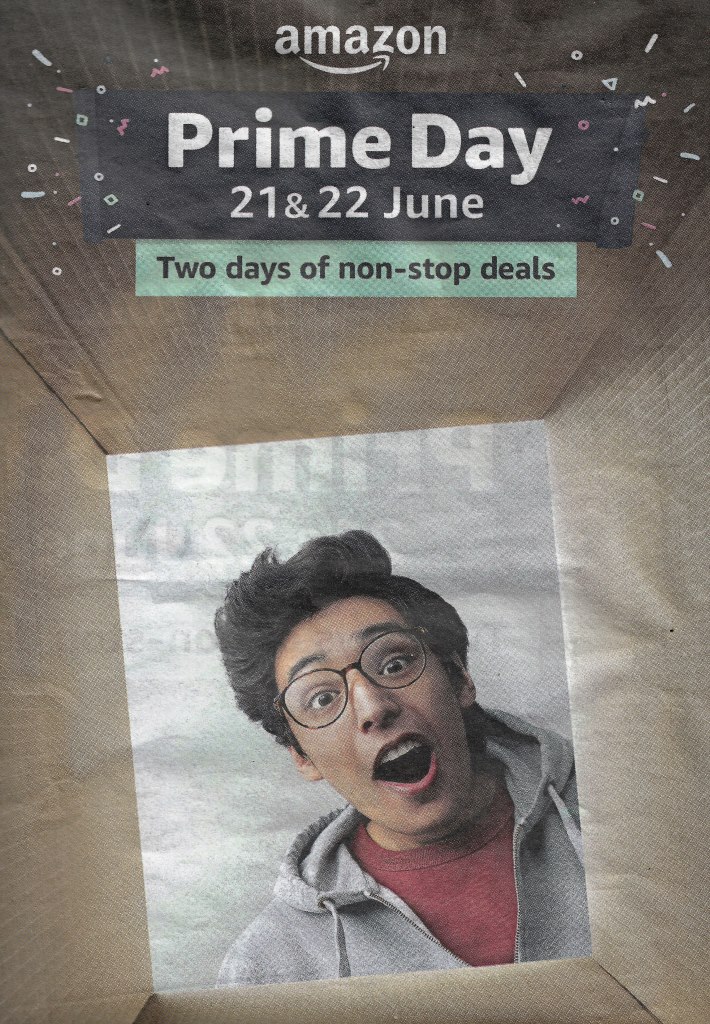
Clearly not targeting my age group. Nor was the back cover: 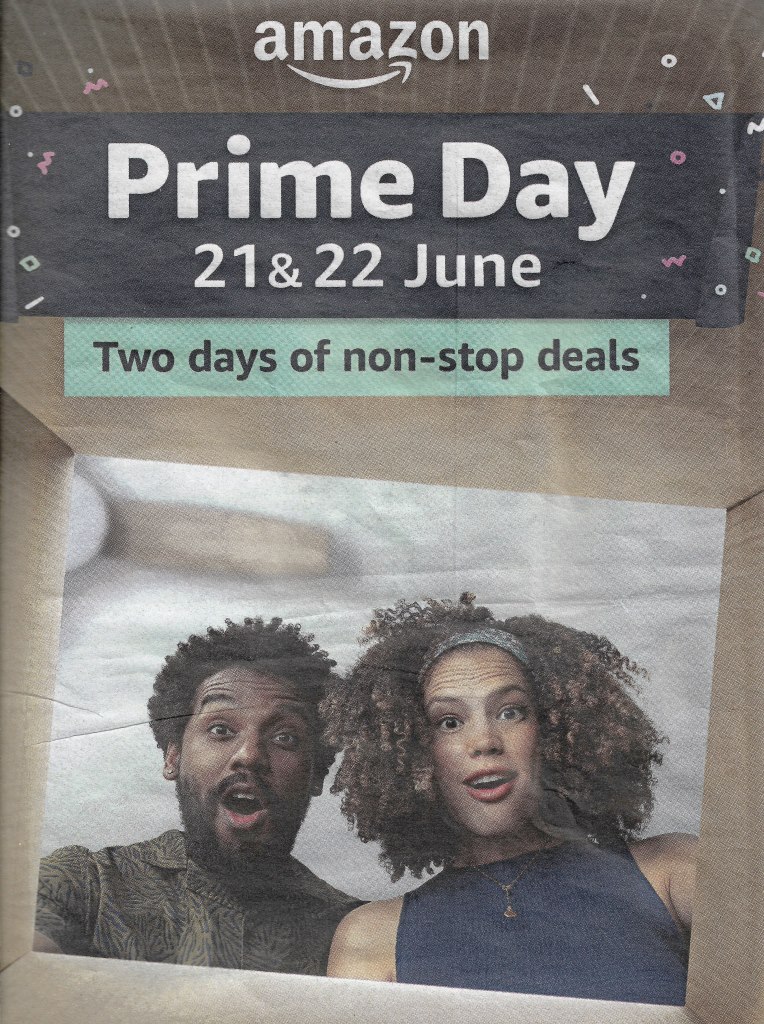
What was the  's intent in providing prime (no pun intended, I promise) attention-grabbing space to such a company? Obvious I suppose, to trouser a hefty wad of cash. 's intent in providing prime (no pun intended, I promise) attention-grabbing space to such a company? Obvious I suppose, to trouser a hefty wad of cash.
I was appalled. I wrote a letter via email, a proper "Angry of Stroud" number. They've not replied. I don't know if they'll print the letter. We all know that Amazon has made a killing during the pandemic. Sky News reported at the end of April: "Amazon's profit in the first three months of 2021 came in at $8.1bn (£5.8bn) - more than triple what it was in the same period last year. Since the pandemic began the business has posted four consecutive record quarterly profits and attracted more than 200 million Prime loyalty subscribers. Revenue was up 44% to $108.5bn (£77bn), making Amazon one of just four US companies to have reported quarterly revenue above $100bn." 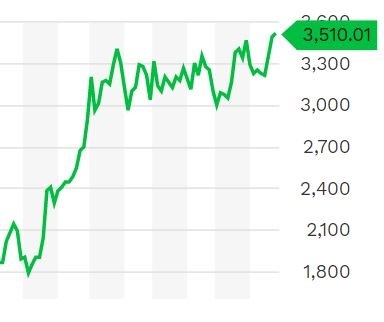
An increase of 89% from $1,860 to $3,510. Jeff Bezos has a current net worth of $196 billion (Celebrity Net Worth). That's over four times the 2020 Gross Domestic Product (GDP) of the Democratic Republic of the Congo (Statista). There are other areas of concern. Ethical Consumer lists them: "Our research highlights many ethical issues for Amazon, including climate change, environmental reporting, habitats and resources, pollution and toxics, arms and military supply, human rights, workers' rights, supply chain management, irresponsible marketing, animal rights, animal testing, factory farming, use of controversial technologies, political activities and anti-social finance." We've decided not to use the company again and never take the  in future. in future.
|
||||||||||||||||||||||||||||
|
Tuesday 22nd June |
||||||||||||||||||||||||||||
|
My post two days ago about the economic damage to Gatwick Airport arising from the pandemic was short of the mark according to the statement and report published yesterday by the British Airline Pilots Association (BALPA).
In its list titled "Europe's top 10 states by % of daily arrivals/departures 9 June 2021 versus 2019" the UK was top with -73%. The list "Europe's top 20 worst affected airports" using the same measure and time period put Gatwick first with -92%. Also included were Manchester (-83%), Heathrow (-69%) and Stansted (-68%). easyJet (-88%) was 4th among the ten most impacted airlines. Yesterday I compared our condition this June with that of last winter. One of my New Year hopes was that Brexit would not dominate the headlines. That has happened but the issue hasn't gone away. In a survey commissioned by the  newspaper and conducted by strategic consulting firm Redfield & Wilton the country is shown to be still divided. newspaper and conducted by strategic consulting firm Redfield & Wilton the country is shown to be still divided.
The most interesting split is by age group (click to enlarge charts). Here are responses to the question "Did the UK public make the right or wrong decision in deciding to leave the European Union in 2016?" In answer to "Would you support or oppose a campaign to re-join the European Union?" the breakdown was: I find myself at odds with the majority of my age group (65+) 😠 I'm in the 29% of us who say wrong decision and the 14% who would strongly support a campaign to re-join the EU. That's not going to happen. I'll just have to be European in spirit. |
||||||||||||||||||||||||||||
|
Monday 21st June |
||||||||||||||||||||||||||||
|
Mission smoothly accomplished yesterday in picking son Ben up from Gatwick. We'd anticipated that he'd be slow getting through all the checks and we'd be waiting around. Quite the opposite. His flight from Bilbao landed half-an-hour early and he was out of the airport 15 minutes before we even arrived.
He came bearing gifts: varé, goat's milk cheese from Asturias; panceta adobada, cured pork belly marinaded in pimentón (paprika); morcilla, blood sausage from Burgos. 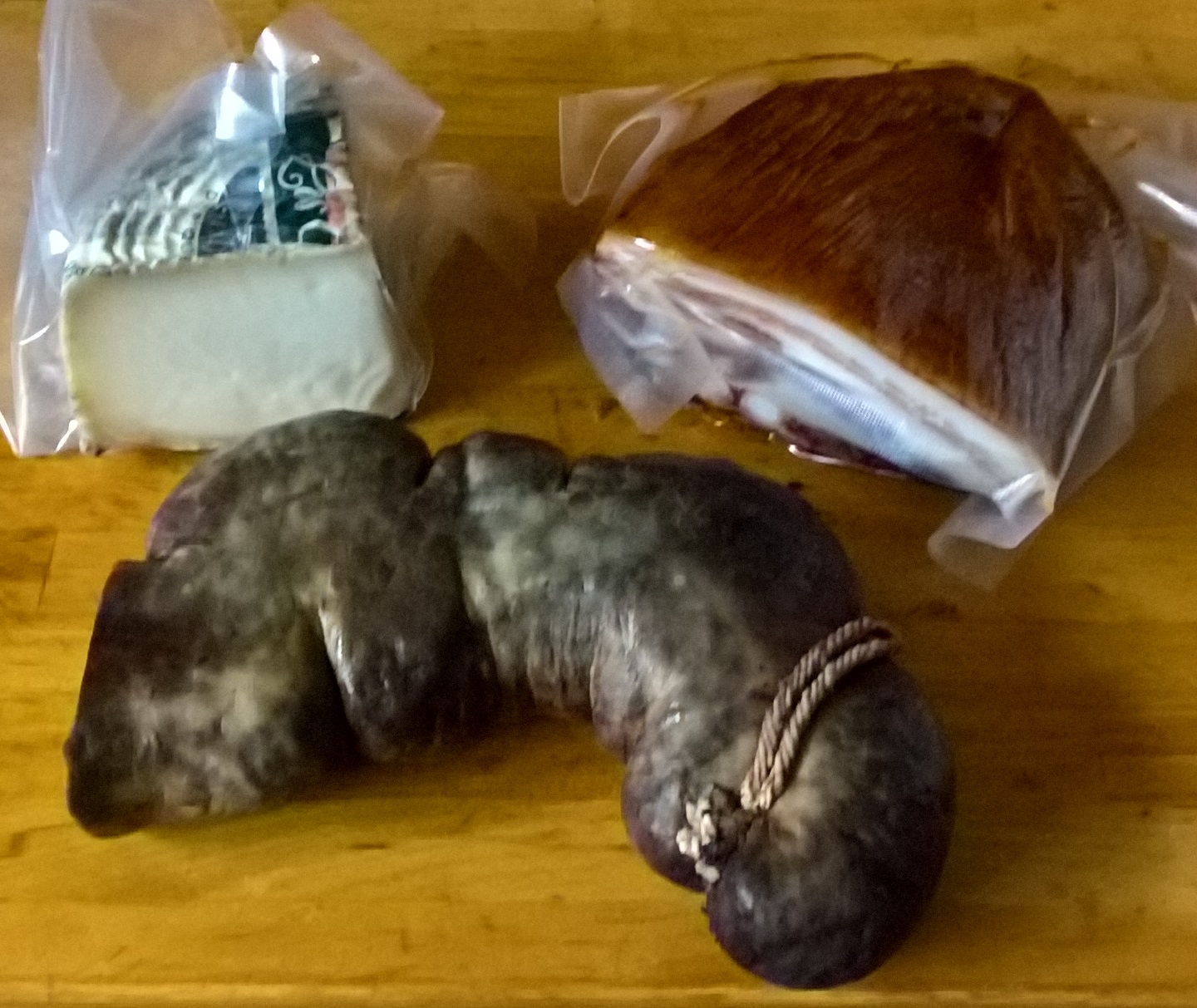
He knows what I like. As you might see from the straight left-hand edge of the blood pudding I couldn't resist a chunk after getting home hungry just before midnight. Yum. More delicate that our home Bury variety, light with herbs and oatmeal. Summer Solstice today. Sunrise 04:52, sunset 21:31. Sadly overcast. The traditional gathering at Stonehenge was cancelled for a second year following a decision to extend Covid-19 lockdown measures. Some solstice devotees ignored English heritage requests to stay away. Senior Druid King Arthur Pendragon had said earlier that he would still be at the site: "It is my intention to be as close to the Heel Stone as possible. As on previous occasions it is not my intention to break the law - but be there I shall on one side of the fence or another." 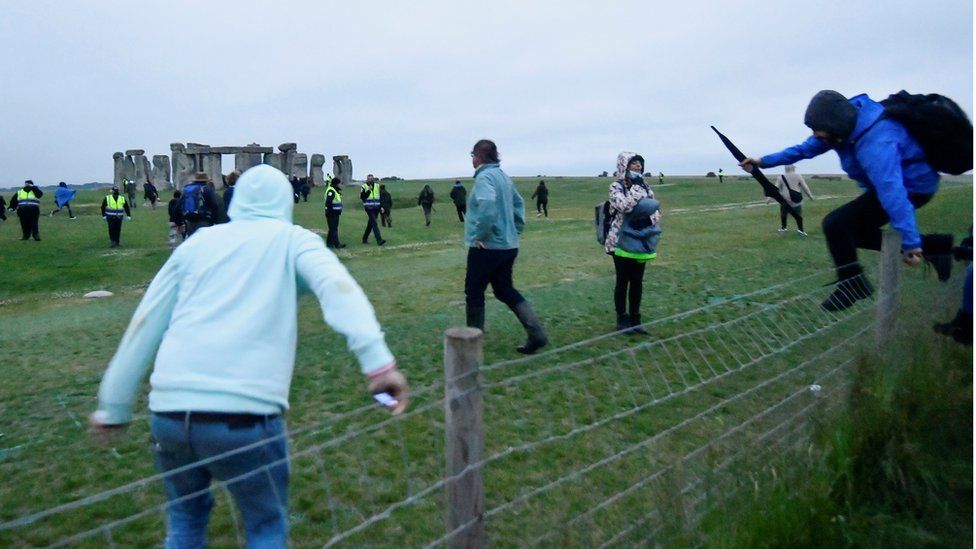
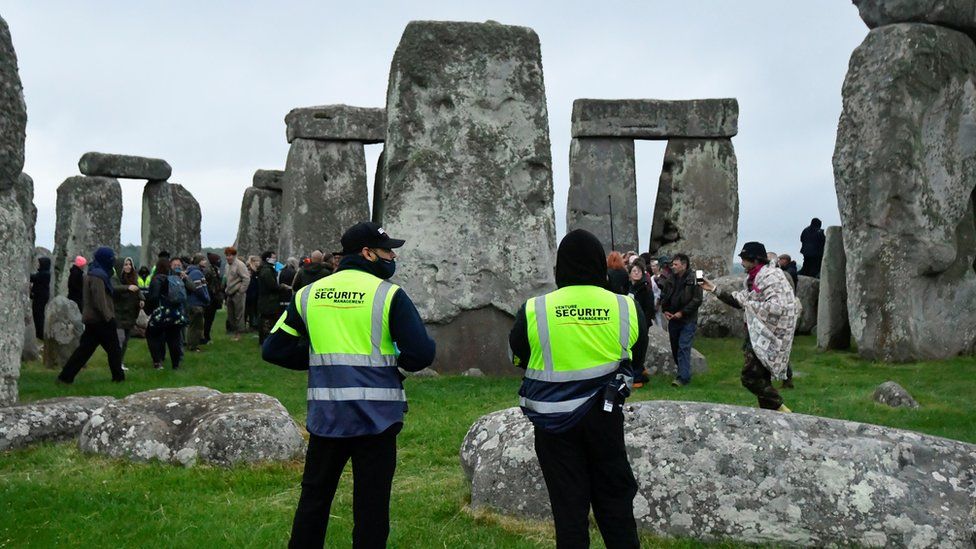
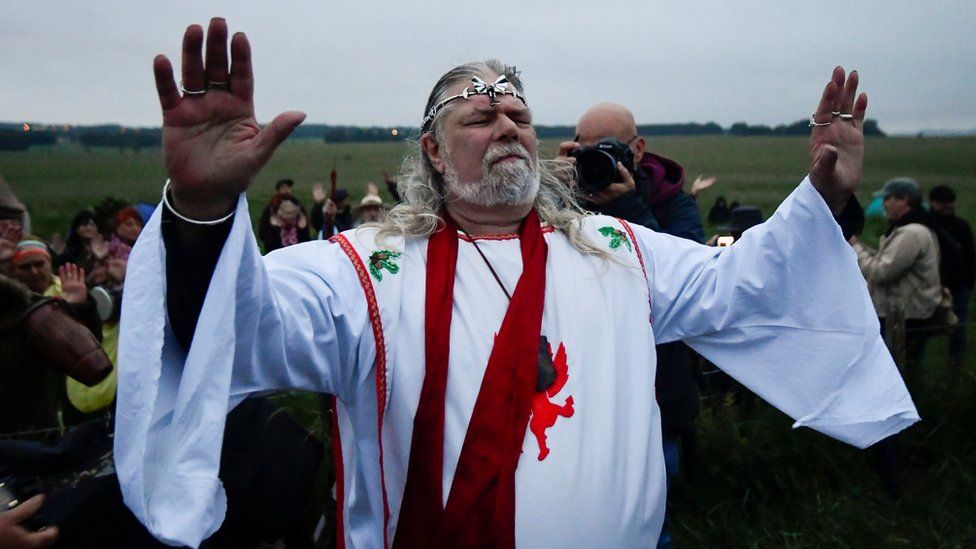
I wrote on January 1st about my hopes for the New Year, how things might have improved by the longest day 👇. I expressed wishes for the following: virus infections down, vaccination programme success, Biden to reverse the Trump aberration, Brexit not to dominate the headlines, my daughter Ellie to have a better year. On the whole they've been fulfilled. It was grim in mid-winter. Despite the Delta variant and roadmap delays there's cause to be thankful. |
||||||||||||||||||||||||||||
|
Sunday 20th June |
||||||||||||||||||||||||||||
|
Fathers' Day. Delicate and poignant as we have grandson Marlie with us. His Dad died just over a year ago.
A lot of the day is going to be spent driving. I don't do much of it these days. We take Marlie back to Bristol, pick up son Ben's girlfriend Soph and head for Gatwick to collect Ben arriving from Bilbao. Then take Ben and Soph back to Bristol and us home to Stroud. It's a long time since I've been to an airport. They've not been destinations of choice during the pandemic. I thought I'd better check Gatwick arrangements. All flights are now coming into the North Terminal, a temporary measure brought about by current circumstances. The airport has consolidated operations there to reduce operating costs in the face of much lighter traffic. It's clearly taken a hit, as indicated in a February press release: "Passenger numbers at Gatwick fell 78% in the year ended 31 December, 2020 due to the impact of COVID-19. The airport remained open throughout the pandemic, however all revenue streams were impacted and the collapse in passenger demand led to a £465.5m loss for the twelve-month period." The workforce was reduced by over 40%. Collection of friends and family seems to have got more expensive. Here's airport advice: We recommend that you use the short-stay car parks for pick-ups: - £5 for 10 minutes - £1 for each additional minute up to 20 minutes - Maximum charge of £25 and the maximum length of stay 30 mins Yikes! So it's leave Sarah and Soph at arrivals and head out again, nipping back in when I get the mobile call. I'll have to be careful to stick to the arrivals road and not in error drift into the drop-off lane: 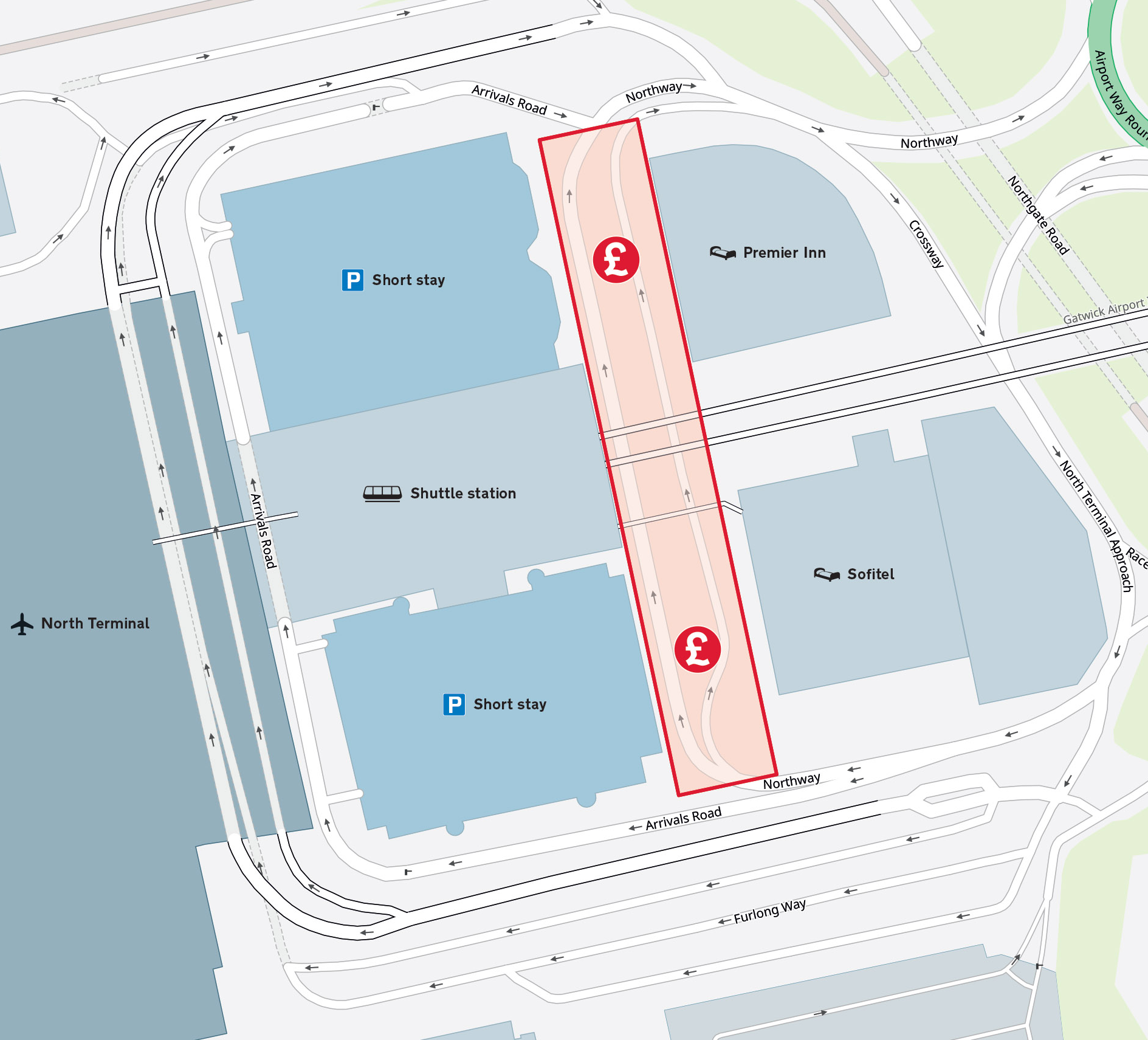
Yes, it now costs £5 to enter that zone. |
||||||||||||||||||||||||||||
|
Saturday 19th June |
||||||||||||||||||||||||||||
|
My plans had been firming up to meet son Ben in Friuli in mid-August. He and girlfriend Soph are hoping to drive their van from Bilbao to Vienna to see his brother Nikko and toddler niece Ellie. We intend to cross paths in Udine so that I can show them the old haunts (see my Italian memoir of the '70s here However yesterday the BBC reported: "Italy is to introduce a five-day Covid quarantine for travellers from the UK from Monday amid growing concerns about the spread of the Delta variant. The Italian government said travellers from the UK will also be required to have mandatory Covid tests." Italy is following in the footsteps of France, Austria and Germany, which could make Ben's drive tricky. He can choose between two AA-recommended routes (below, click to enlarge). The northerly one goes through Bordeaux, Lyon, Geneva, Zurich and Munich (1,262 miles - 2,031 kilometres). To allow a rendezvous in Udine the southern itinerary includes Toulouse, Montpelier, Grenoble, Milan, Venice, Udine (B) and Klagenfurt (1,356 miles - 2,183 kilometres). I anticipate little improvement by August. |
||||||||||||||||||||||||||||
|
Friday 18th June |
||||||||||||||||||||||||||||
|
There's a betwixt-and-between feel to the virus progress news at the moment. Numbers of cases are rising and at the same time the vaccination programme promises a counteracting effect as eligibility is extended right down to 18-year-olds.
The GOV.UK statistics today are:
The PM declared: "Offering all adults a jab less than 200 days after the programme launched is one of our country's greatest collective achievements, saving over 14,000 lives so far." NHS England chief executive Sir Simon Stevens offered this rallying cry and praised his own organisation: "This is truly a watershed moment. Whoever you are, wherever you live, if you are aged 18 or older and you are yet to book your Covid jab, today should be the day you make that happen. Only months after delivering the world-first first jab, hardworking NHS staff have given more than 60 million vaccinations in England alone, saving thousands of lives and giving the entire country hope for a brighter future." The age profile of cases shows that the significant increases are among the young. Rates are highest in those aged 20-29 with 195.9 cases per 100,000, up from 123.6. The second highest rates are among 10 to 19-year-olds, at 143.3 per 100,000 up from 100.3. This is conjecture on my part but I assume that the young are less committed to rigid social restrictions. They really want to be out and about with their mates. If they do test Covid positive the risks are likely to be less. In contrast, my age group - the over-65s - will more readily stick to the safety rules. I really don't mind extending lockdown-style behaviour, except for the travel regulations which inhibit us from seeing our sons in Vienna and Bilbao. 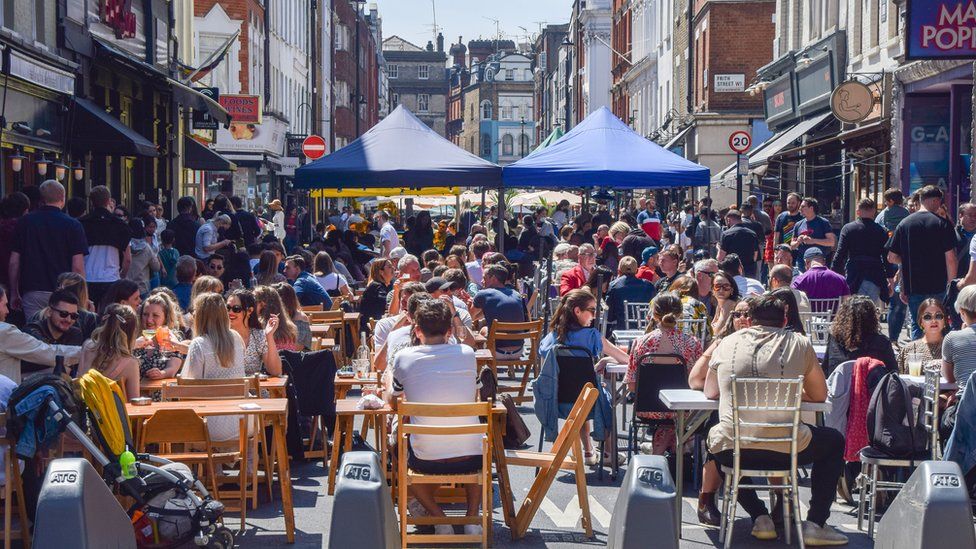
I've been drawn to the REACT (REal-time Assessment of Community Transmission) reports as another example of scientific wizardry. REACT is a series of studies that are using home testing to improve our understanding of how the COVID-19 pandemic is progressing across England. The research programme was commissioned by the Department of Health and Social Care (DHSC) and is being carried out by Imperial College London in partnership with Ipsos MORI and Imperial College Healthcare NHS Trust. The latest output (Round 12) was published yesterday titled "Community infection trends in late May and early June". Here's the summary: "Between rounds 11 and 12, national prevalence increased from 0.10% (0.08%, 0.13%) to 0.15% (0.12%, 0.18%). During round 12, we detected exponential growth with a doubling time of 11 (7.1, 23) days and an R number of 1.44 (1.20, 1.73). The highest prevalence was found in the North West at 0.26% (0.16%, 0.41%) compared to 0.05% (0.02%, 0.12%) in the South West. In the North West, the locations of positive samples suggested a cluster in Greater Manchester and the east Lancashire area. Prevalence in those aged 5-49 was 2.5 times higher at 0.20% (0.16%, 0.26%) compared with those aged 50 years and above at 0.08% (0.06%, 0.11%). At the beginning of February 2021, the link between infection rates and hospitalisations and deaths started to weaken, although in late April 2021, infection rates and hospital admissions started to reconverge. When split by age, the weakened link between infection rates and hospitalisations at ages 65 years and above was maintained, while the trends converged below the age of 65 years. The majority of the infections in the younger group occurred in the unvaccinated population or those without a stated vaccine history. We observed the rapid replacement of the Alpha (B.1.1.7) variant of SARS-CoV-2with the Delta variant during the period covered by rounds 11 and 12 of the study." I note particularly: "During round 12 we detected exponential growth with a doubling time of 11 days and an R number of 1.44." The pandemic has introduced to the nation the idea of an exponential function 😉 After that I lose my way. The science is beyond my limited comprehension. Go on, have a go if you want. Here's the full "REACT-1 round 12 report: resurgence of SARS-CoV-2 infections in England": There is one thing I understand: the sheer scale of scientific collaboration. On the last two pages (10 and 11) of the report are acknowledgements of participants. One contributing body is the COVID-19 Genomics Consortium UK (COG-UK). There's a link to a spreadsheet containing a full list of COG-UK authors' names and affiliations, all 595 of them: |
||||||||||||||||||||||||||||
|
Thursday 17th June |
||||||||||||||||||||||||||||
|
There were two consecutive sessions in the House of Commons yesterday, PMQs followed by a statement from Boris on the G7 and NATO summits, with questions for the PM during both.
The House recognised that five years have passed since the murder of Jo Cox, former Member of Parliament for Batley and Spen. 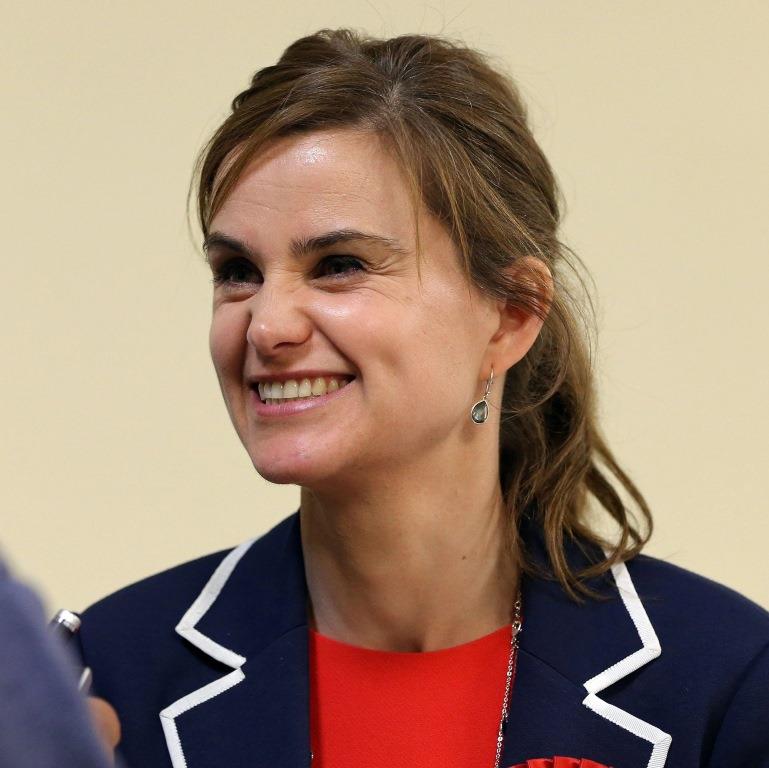
Boris said: "Today marks five years since the murder of our friend and colleague Jo Cox. My thoughts - and I am sure those of the whole House - are with her family and friends." Keir Starmer added: "As the Prime Minister has already said, today is the fifth anniversary of the death of our dear friend and colleague Jo Cox. Jo had already changed so many lives for the better. She was passionate about creating a fairer, more just world. I know she would have gone on to achieve so much more, and that she would have been so proud of the work of her foundation and what it is doing in her name. Jo and I were in the same intake into this House; we were friends and our children are around the same age. There is not a day that goes by when we do not miss Jo. I know that I speak not just for those on the Opposition Benches, but for many across the House, when I say that today we remember Jo." [Hon. Members: "Hear, hear."] Mayor Marvin Rees sent a message from Bristol: So sad. Then the customary cut-and-thrust began. It started with this: Keir Starmer asked: "Does the Prime Minister recognise that his decision to keep our borders open contributed to the spread of the delta variant in this country?" Boris responded: "No. Captain Hindsight needs to adjust his retrospectoscope, because he is completely wrong. We put India on the red list on 23 April, and the delta variant was not so identified until 28 April and was only identified as a variant of concern on 7 May. When the right hon. and learned Gentleman criticises this Government for wanting to keep our borders open, just remember that he voted 43 times in the last five years to ensure that our border controls were kept in the hands of Brussels." Keir's retort was: "The Prime Minister talks about the dates. Let us go through the dates. On 24 March, a new variant was reported in India. On 1 April, India was reporting over 100,000 new infections a day, and rising. But the Prime Minister kept India off the red list until 23 April. In that time, 20,000 people came into the UK from India. What on earth did the Prime Minister expect would be the consequences of that? The British people did their bit by following the rules and getting vaccinated, but the Prime Minister squandered it by letting a new variant into the country. That was not inevitable; it was the consequence of his indecision. If the Prime Minister disagrees with me what is his explanation as to why Britain has such high rates of the Delta variant? "The British people do not expect miracles, but they do expect basic competence and honesty. When it comes to care homes, protective equipment or borders, we see the same pattern from this Prime Minister - too slow, too indecisive, over-promising, under-delivering. After all these failures and mistakes, why should anyone believe the Prime Minister now?" Caroline Lucas has been posting regularly about India and the red list: That's enough for now. The truly committed may want to scrutinise 😉 the Hansard transcripts of PMQs (19 pages) |
||||||||||||||||||||||||||||
|
Wednesday 16th June |
||||||||||||||||||||||||||||
Covid briefing heroes ...
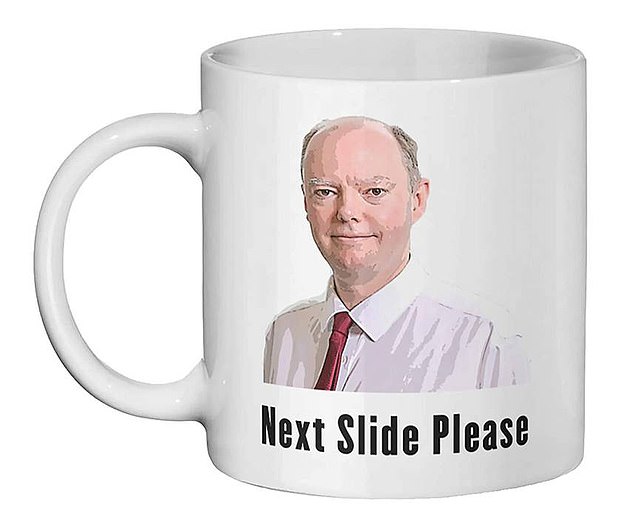




... and villains: |
||||||||||||||||||||||||||||
|
Tuesday 15th June |
||||||||||||||||||||||||||||
|
At the Downing Street press conference yesterday evening Boris Johnson confirmed that implementation of Step 4 of the "road to freedom" will move out from June 21st to July 19th. The PM said:
"Since today I cannot say that we have met all four tests for proceeding with step four, I do think it is sensible to wait just a little longer. "As things stand - and on the basis of the evidence I can see right now - I am confident we will not need any more than 4 weeks and we won't need to go beyond July 19th. It is unmistakably clear the vaccines are working and the sheer scale of the vaccine roll-out has made our position incomparably better than in previous waves. "But now is the time to ease off the accelerator because by being cautious now we have the chance - in the next four weeks - to save many thousands of lives by vaccinating millions more people. And once the adults of this country have been overwhelmingly vaccinated, which is what we can achieve in a short space of time, we will be in a far stronger position to keep hospitalisations down, to live with this disease, and to complete our cautious but irreversible roadmap to freedom." Here is the full transcript of his statement: He's still playing with that word "irreversible", isn't he? Pinning his hopes to July 19th. He made a distinction between June 21st, a "not before" date, and July 19th, a "terminus". Less confident than normal he fluffed some lines, at one point substituting July 29th for July 19th, and using "company" instead of "country". He apologised for forgetting the second half of a question from the FT correspondent. Yesterday I wrote "Will we ever be able to say 'it's over'? Are we always going to have to live with a virus and future mutations?" The three presenters at the conference were clear that the virus is not going to be eradicated. We will indeed have to live with it. Chris Whitty used the phrase "the rest of our lives", Patrick Vallance the word "forever". This led to the re-opening of the balancing act debate, the "risk/benefit" dilemma of economic and social freedom versus fatalities. The implication was that the government will manage the effects of a continuing virus after July 19th, accepting deaths as necessary collateral damage. For the record, here are the 8 slides presented by Chris Whitty. They all address the "Roadmap 4 Tests". Click to enlarge: Here is the PDF of the full slide set with accompanying statistical notes: My key "takeaways" from these slides and the briefing presentations?
|
||||||||||||||||||||||||||||
|
Monday 14th June |
||||||||||||||||||||||||||||
|
The announcement on the delay to the June 21st release point of Boris's "roadmap to freedom" is promised today. A news conference is scheduled for 6pm. Matt Hancock is due to give a ministerial statement on coronavirus in the House of Commons at 21:00 BST. The decision to extend the current coronavirus restrictions has already been leaked to the press. The PM said yesterday:
"We are continuing to look at the data, no final decision has been taken, and the right time to fill everybody in on what we are going to do with step four with June 21 is tomorrow, as I have said. That's when we will be putting out the whole package of information so that everyone can see it together." 18:45 STOP PRESS: Downing Street conference finished. Yes, June 21st now changes to July 19th. Review in tomorrow's blog. The case upturn continues: 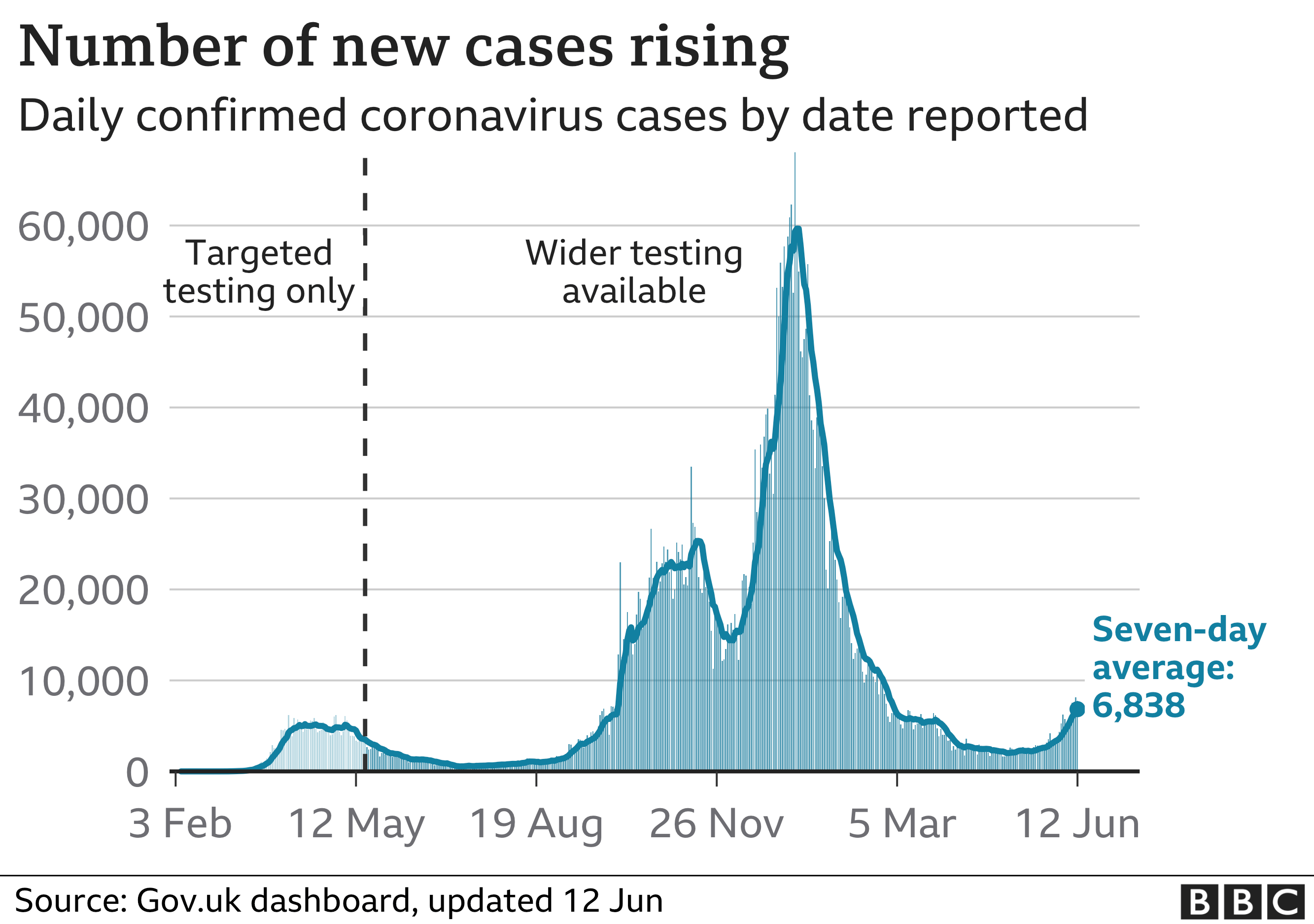
The national average of cases per day is 33 per 100,000. There are big variations across the country. Here are our local Stroud numbers compared with those of Backburn with Darwen (Public Health England). Click to enlarge: The delay is disappointing. More than that, it feels to me like a glimpse of our future relationship with the virus or its ilk. Yes, we've witnessed progress but now it's stalled. Is Boris's bullish "irreversible" claim for the roadmap about to be exposed as foolish bravado? There's been an implicit assumption in our approach to Covid-19 that the pandemic will end. Is "if" to replace "when"? Will we ever be able to say "it's over"? Are we always going to have to live with a virus and future mutations? The WHO still maintains that the current vaccines are the best weapons with which to defeat the Delta variant, alongside regular social restrictions and global cooperation. This last looks woefully short of what's required even after a G7 meeting. There are WHO "explainer" videos published on YouTube. Here's one titled "What causes a virus to change and how to stop stronger Covid-19 variants from emerging". It uses a bike lock analogy to explain mutation and re-emphasises the tools to combat a virus: Prettily done although I sometimes think that an analogy doesn't help. After watching this I reckon I know how a bicycle combination lock works but am I really any the wiser about virus mutation? I'd like a proper grown-up explanation and would hope to understand it. Meanwhile, the UK vaccination programme progresses: |
||||||||||||||||||||||||||||
|
Sunday 13th June |
||||||||||||||||||||||||||||
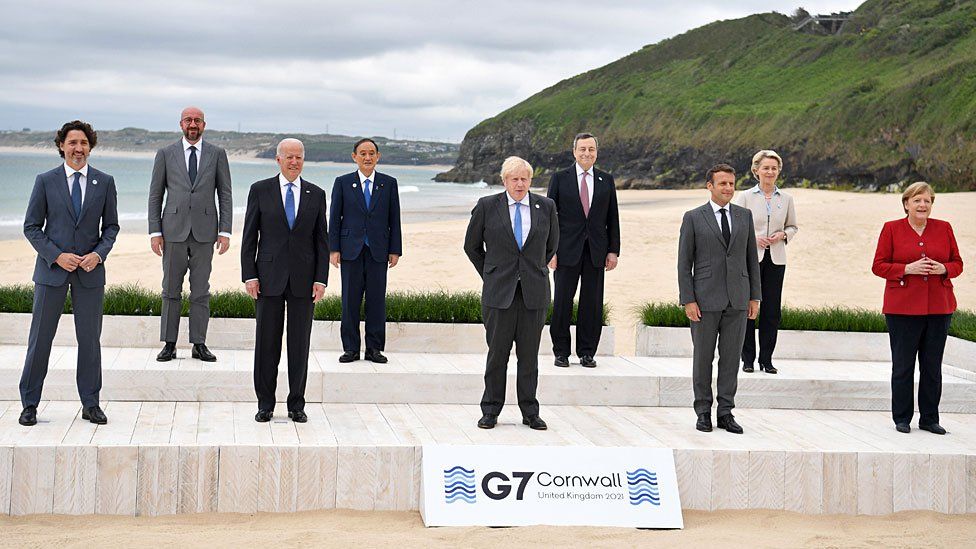
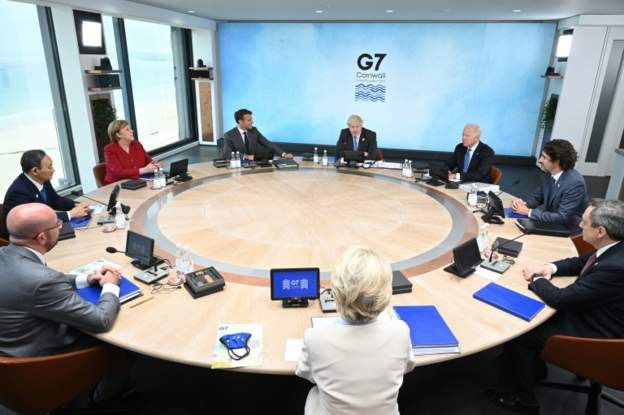
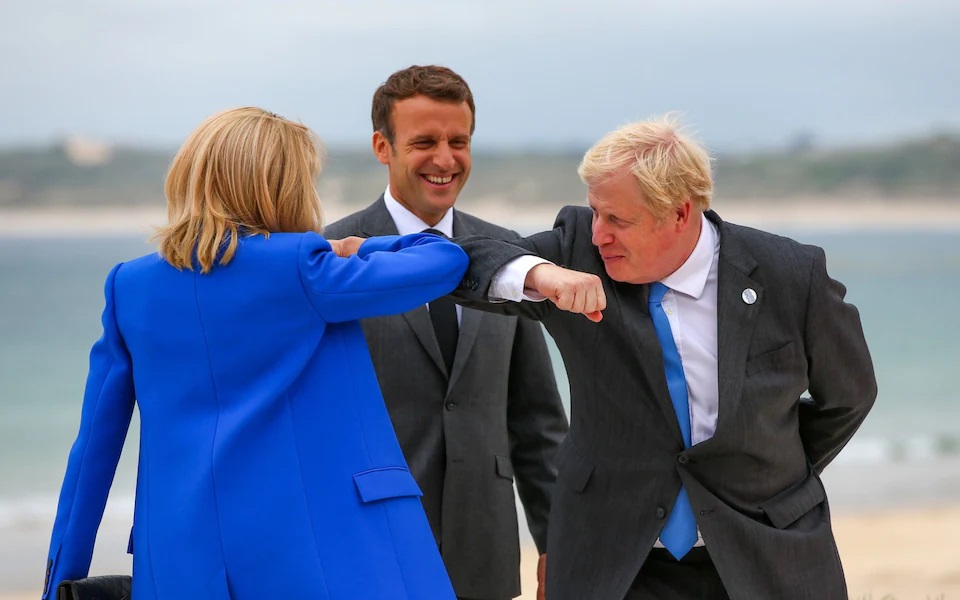
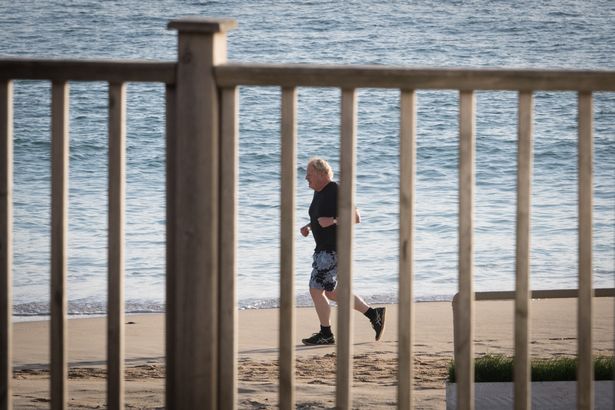
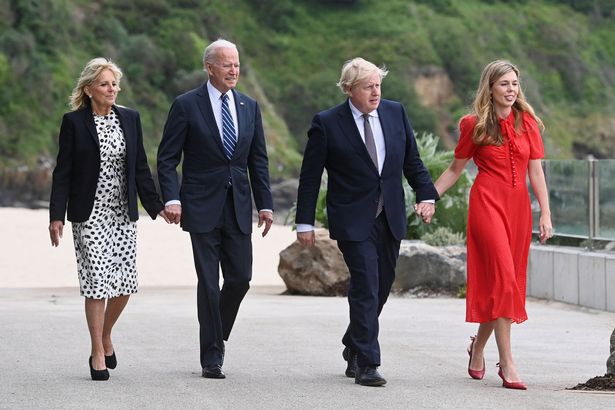
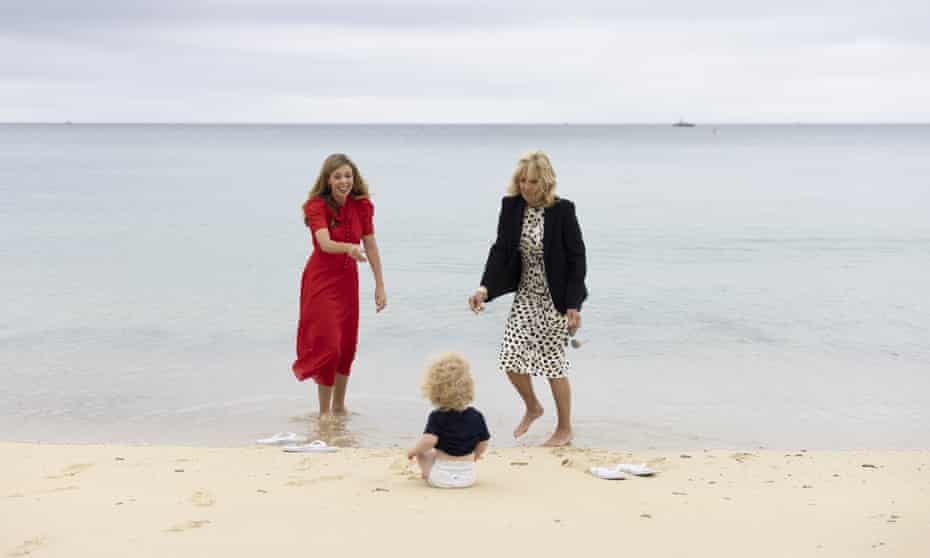

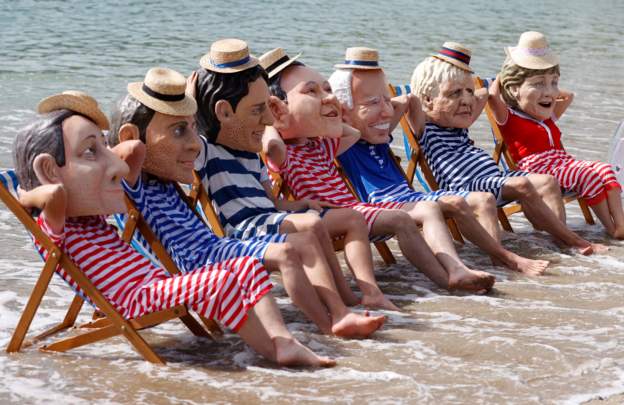
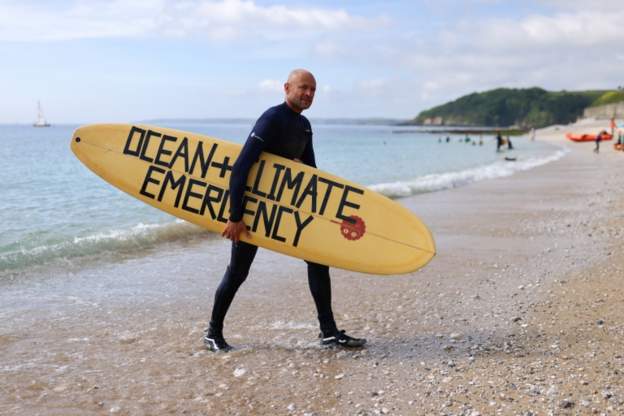
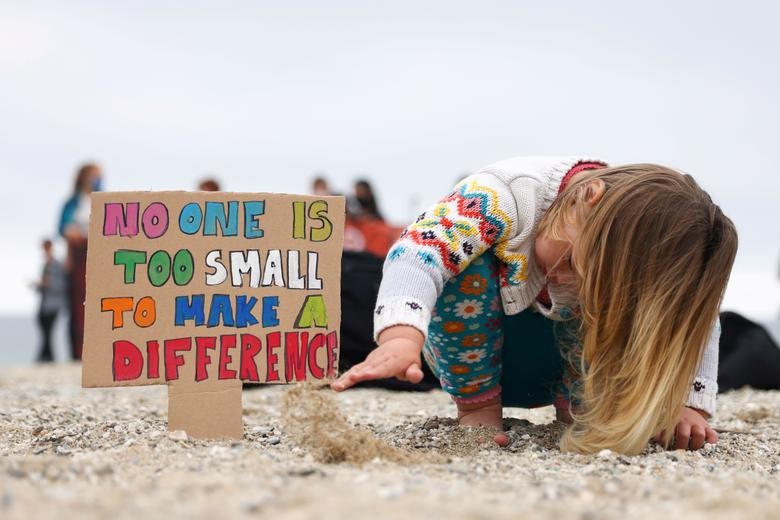
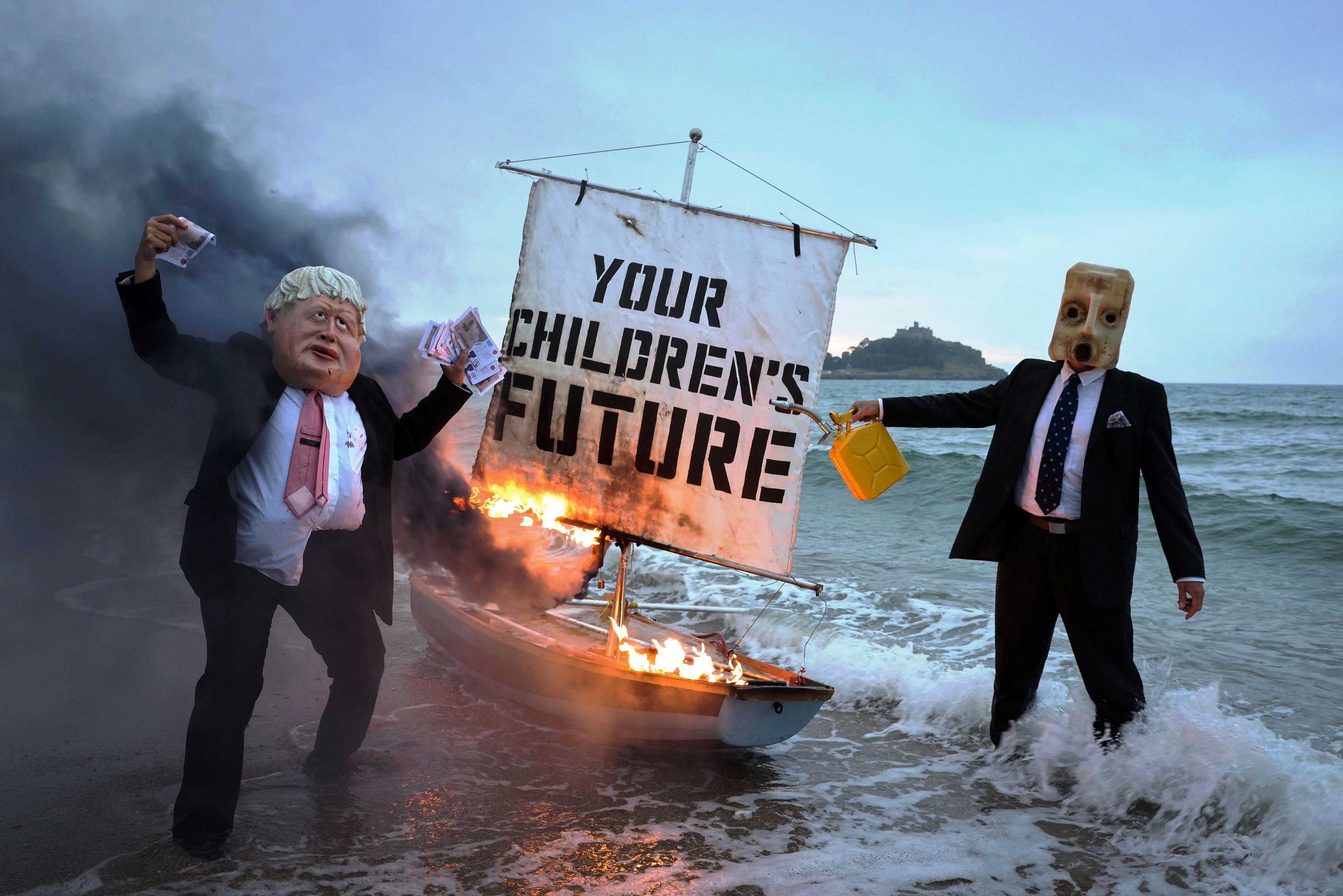
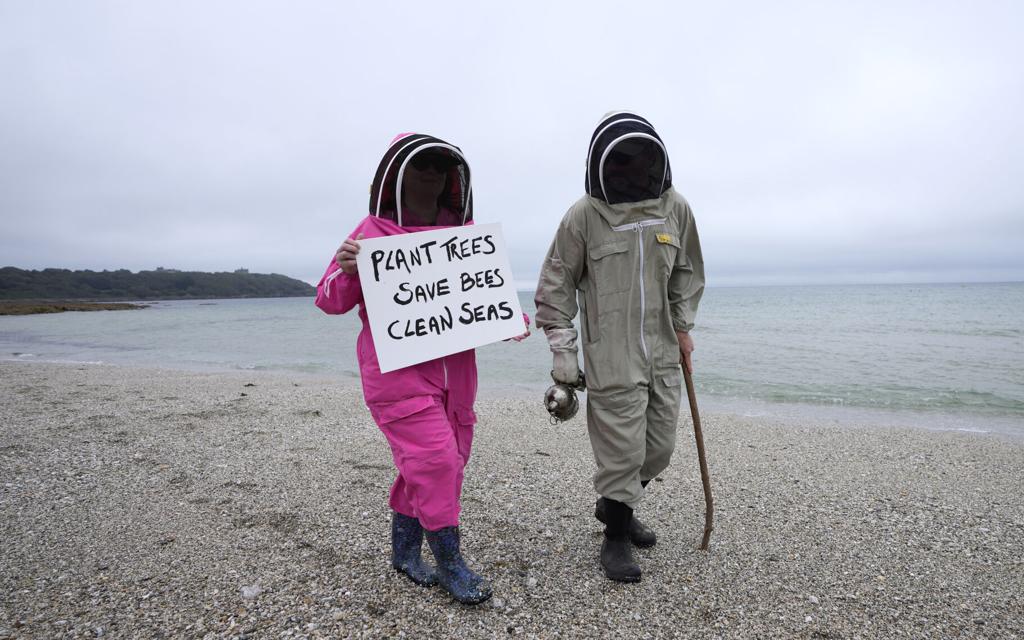
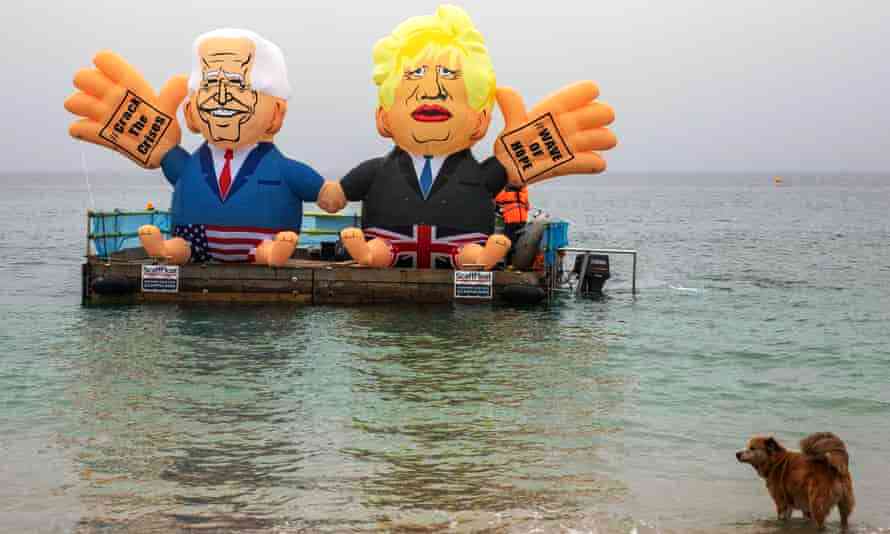
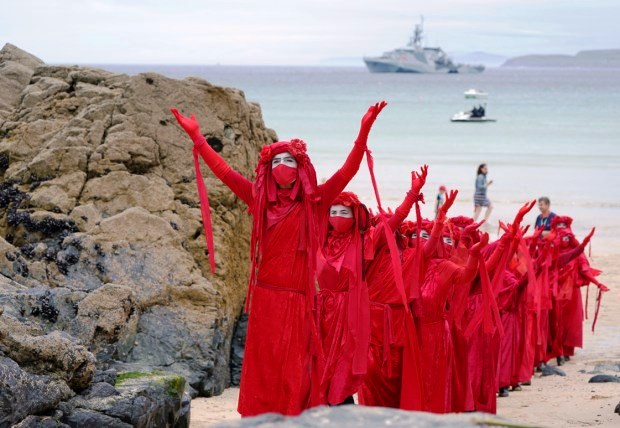
|
||||||||||||||||||||||||||||
|
Saturday 12th June |
||||||||||||||||||||||||||||
This is not an uplifting forecast.
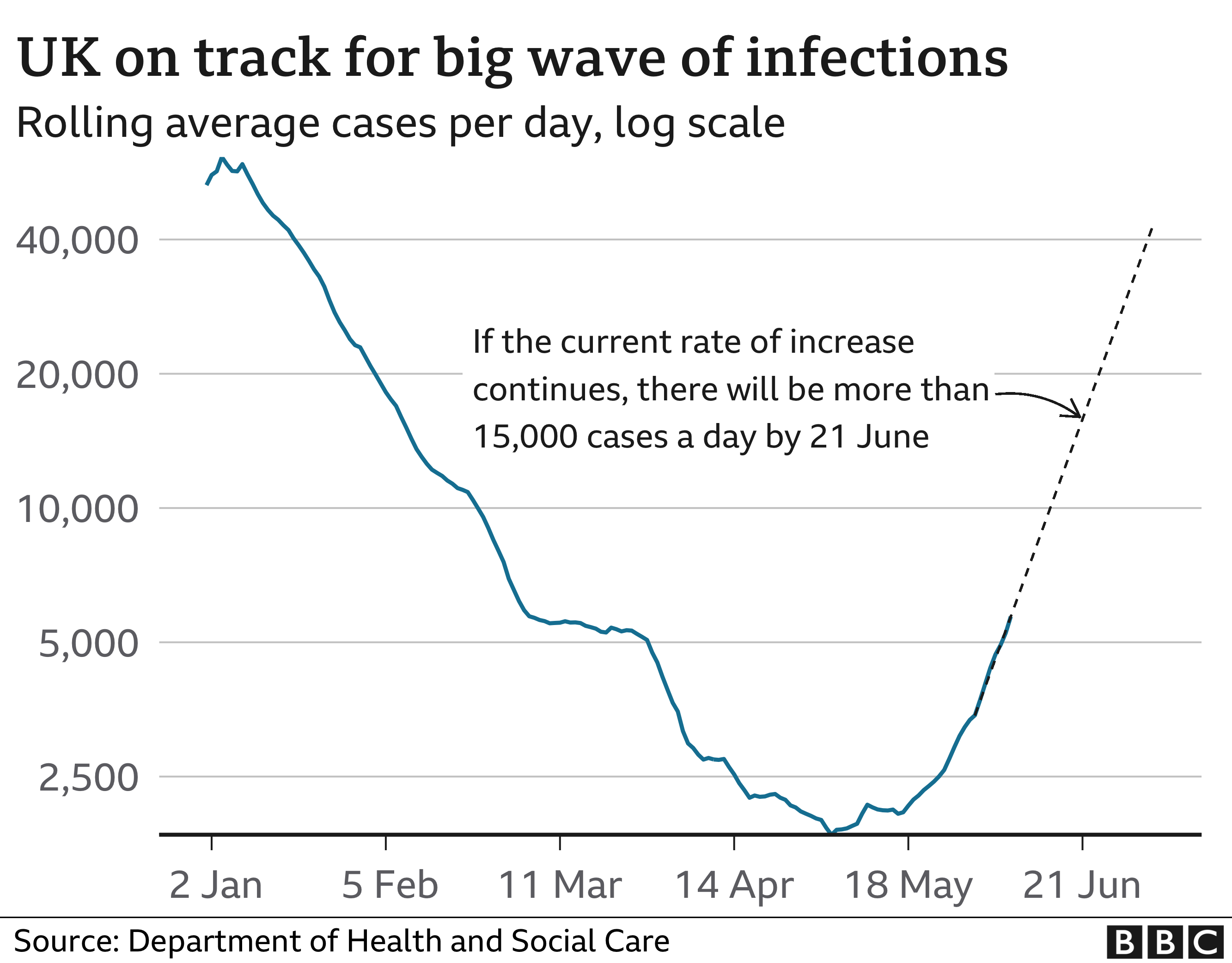
Forget my stalled UK summer plans, what are the chances of our hoped-for European visits in the autumn? Far more importantly, what are the national threats to life and health, the prospects for business in the still fragile re-emergence from the darkness of lockdown? Caroline Lucas gives some perspective as the leaders of wealthy countries meet in Cornwall: We'd better enjoy this month while we can. Here in Stroud and the Five Valleys we have the pleasures of the Select Art Trail over the weekends 19/20 and 26/27 June. Here's the full online brochure: Our town and valleys are bursting with artists and artisans who are opening up their homes and studios. Here's the trail map (click to enlarge): Our close friend Clare Bassett is exhibiting her prints and jewellery: 
|
||||||||||||||||||||||||||||
|
Friday 11th June |
||||||||||||||||||||||||||||
The G7 starts in Cornwall today. It's alright for some. Two days ago I lamented my failure to find somewhere to stay for a brief seaside jaunt. World leaders are meeting at the Tregenna Castle Hotel and Resort in Carbis Bay near St. Ives. Room for a little (not) one?
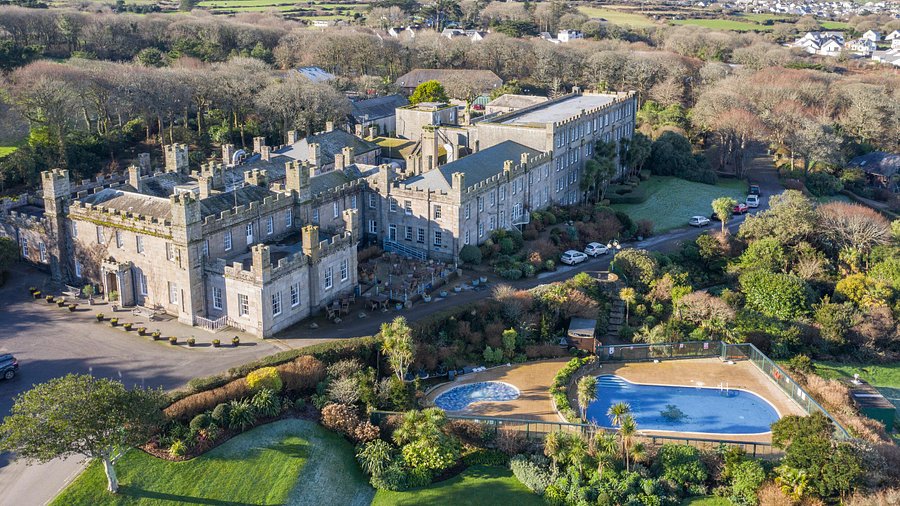
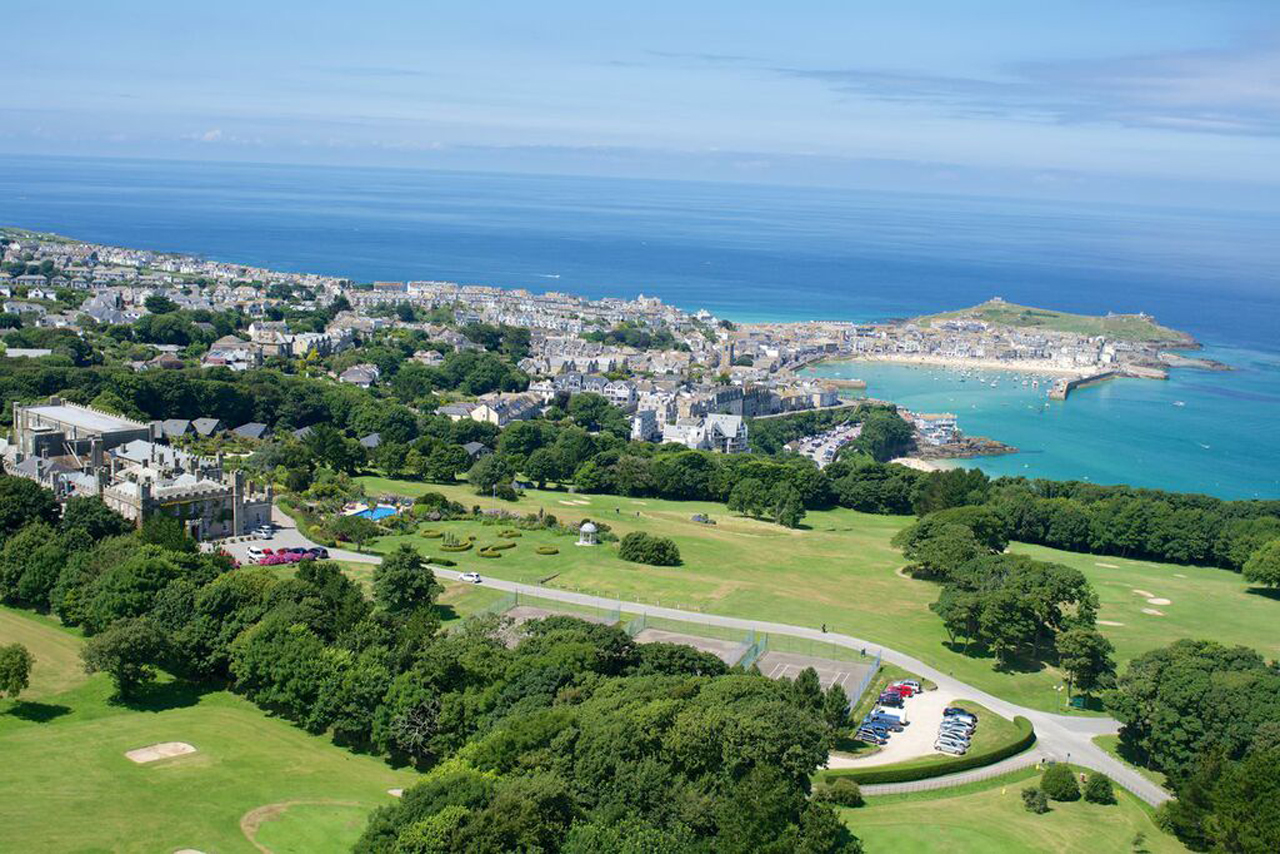
Some are displeased at the visit. On Wednesday members of the Resist G7 Coalition gathered in protest against what they called the "environmental destruction" being carried out by Carbis Bay Hotel ahead of the summit, namely the clearance of an area including trees to the side of the hotel. A spokesman for the Coalition said: "We felt it necessary to come here today despite the pandemic to let Carbis Bay Hotel and the G7 leaders know that we won't stand by while they take destructive action. The hypocrisy of the world leaders discussing the climate crisis in a so-called eco hotel that is destroying woodland is staggering. Carbis Bay Hotel thinks it can ignore planning laws because of the G7. We're here to tell them they can't and that they will be held to account for their actions. The action taken by the hotel is a small glimpse of the reality facing Cornwall as it prepares to host the summit. Local people will be ignored, their voices will not be heard and their movements will be restricted." 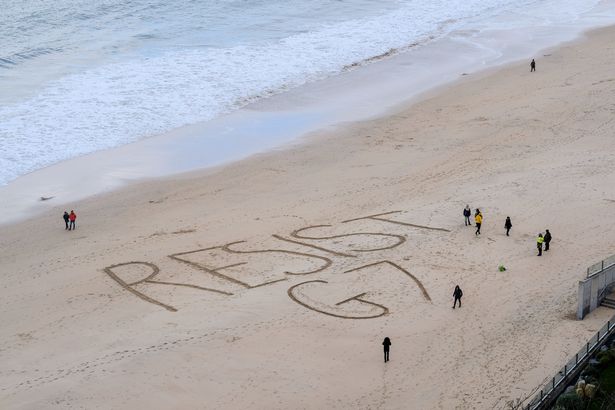
Boris has flown down there from London, prompting a tweet from local Stroud eco-entrepreneur Dale Vince: I'm looking forward to some sparky tussles. Biden and Von der Leyen are fixing to have a pop at Boris over the Northern Ireland Protocol. Let's hope they resolve the sausage crisis. The BBC reported on Wednesday: "Sausages from Great Britain could soon be banned from entering Northern Ireland. After Brexit England, Scotland and Wales no longer follow EU rules. However, Northern Ireland does because it shares a land border with the Republic of Ireland, an EU member state. EU food safety rules don't allow chilled meat products to enter its market from non-members. A six-month grace period has been in place since January under which the rules don't apply. Under the terms of the protocol this arrangement runs out at the end of June." 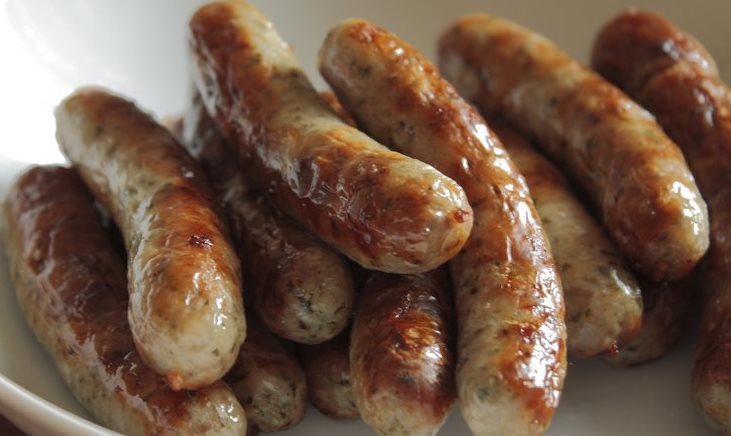
The cost of policing the event is thought to be around £70m. Locals have commented on the security; resident Mary Tincombe said: "I walked to the post office this morning, a 15-minute walk and we must have walked past about 100 police officers. It feels like another lockdown." There's a "ring of steel" fence round the area and warships in the bay: 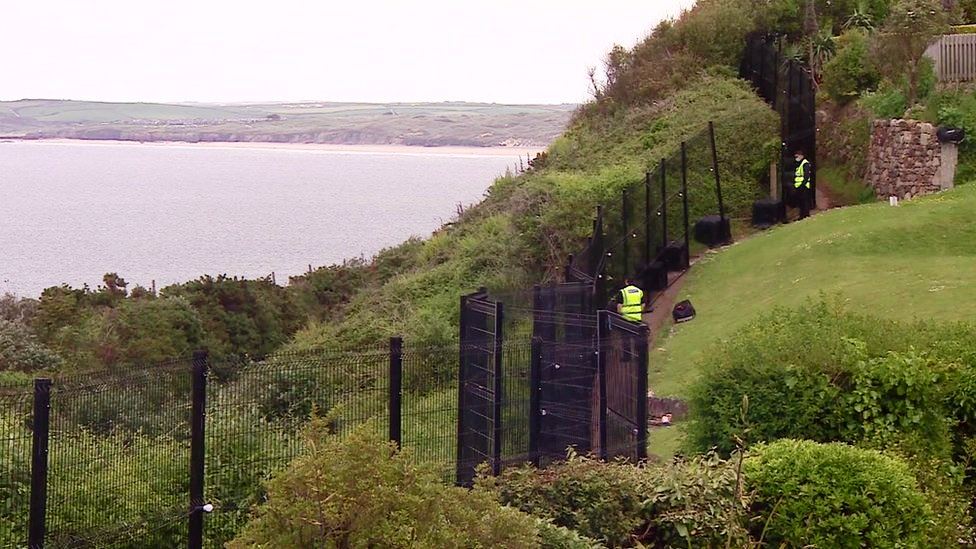
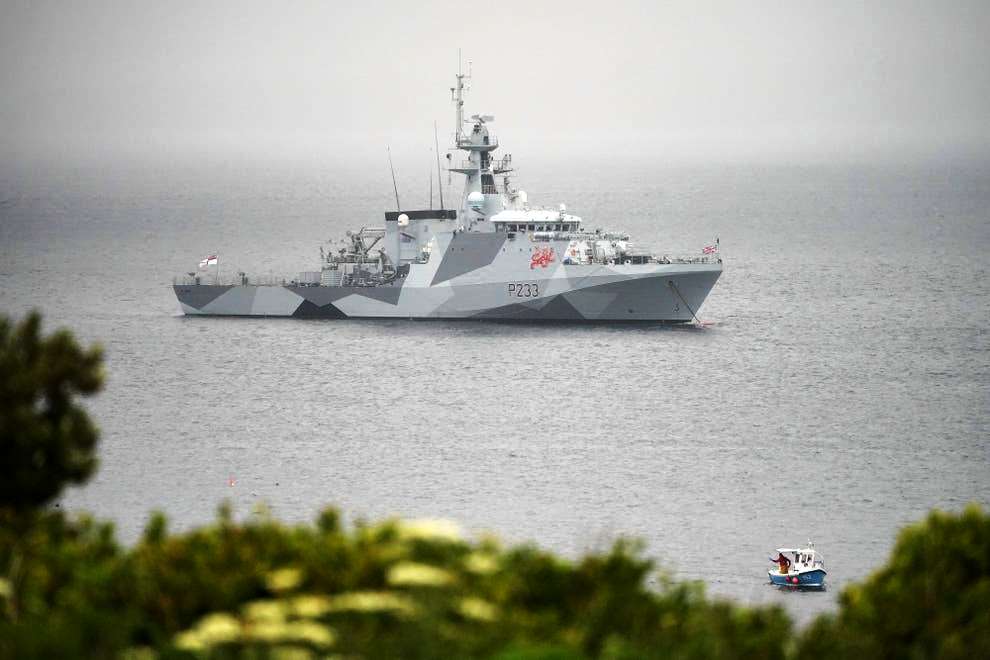
Nathan Thomas had a message for the visitors: "St Ives isn't wealthy. It is impoverished and has got just as many issues as anywhere else. It is a harsh place to live because it's such a masquerade. So beautiful and so wonderful and the world leaders are coming to our town, yet there is such a forgotten community out there." 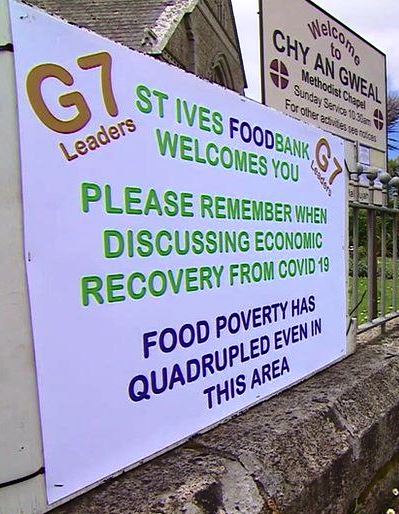
On a different note there was a great BBC2 programme last night called "Statue Wars: One Summer in Bristol" featuring Uncle Marvin. Watch below. Beware, it's just short of 59 minutes long. And well worth the time. I thought Marvin was brilliant. Anita Singh was very positive in the Daily Telegraph: "It was refreshing to watch Marvin Rees in Statue Wars. Because here was a politician - the Mayor of Bristol - talking eloquently, intelligently, sensibly and with nuance. A politician who wasn't picking a side in the culture wars, but doing his best to rise above them. Rees is Bristol to his bones, but if he could be tempted to Westminster his future looks bright. "Isn't it nice to have a grown-up in charge?" There was some criticism. Jen Reid, whose black resin and steel statue by Marc Quinn was installed on the vacant Edward Colston plinth, said to BristolLive: "It's outrageous that they [the BBC] didn't even contact me at any stage. It's a programme called Statue Wars. They have an actual person who was made into a statue in the programme. They didn't even think they needed to include anything about what I might think about it? The reason I got on the plinth in the first place and the reason I agreed to let the statue be made was because consistently black women like me are denied a voice in this society. When the BBC come to make a programme about that the black woman involved is not heard. I am literally living history but I have no right of reply. It feels as though to them again I am just a body, with no thoughts, no mind, no contribution." |
||||||||||||||||||||||||||||
|
Thursday 10th June |
||||||||||||||||||||||||||||
|
Ofcom has published its Online Nation 2021 Report. Yes, that's a Zoom meeting. A cup of coffee to hand for the housebound participant.
Here are some of the highlights:
We're all connected now. So when a provider of cloud services to major companies has a blip, however brief, it makes an impact. The disruption to the likes of Amazon was caused by one customer doing some perfectly acceptable alterations which exposed a software fault. To its credit supplier Fastly has come clean about the event. An explanation and an apology were posted on its website: 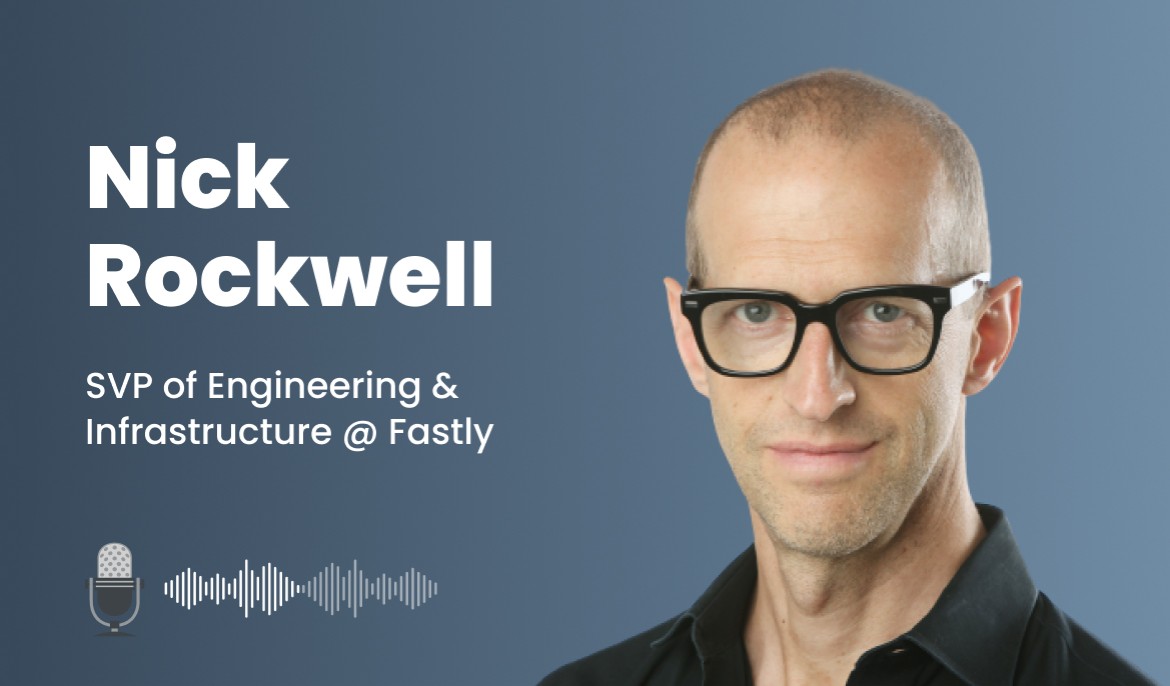
"This outage was broad and severe and we're truly sorry for the impact to our customers and everyone who relies on them. "On May 12 we began a software deployment that introduced a bug that could be triggered by a specific customer configuration under specific circumstances. Early June 8, a customer pushed a valid configuration change that included the specific circumstances that triggered the bug which caused 85% of our network to return errors. "Even though there were specific conditions that triggered this outage, we should have anticipated it." They were quick to fix the problem (all Coordinated Universal Time - UTC): 09:47 Initial onset of global disruption 09:48 Global disruption identified by Fastly monitoring 09:58 Status post is published 10:27 Fastly Engineering identified the customer configuration 10:36 Impacted services began to recover 11:00 Majority of services recovered 12:35 Incident mitigated 12:44 Status post resolved 17:25 Bug fix deployment began Here's a Fastly engineer counting wires to make sure they're all connected properly 😉: 
That's how dependent we are on this technology, how vulnerable. I've always had a nagging thought: "What happens if the power goes down?" |
||||||||||||||||||||||||||||
|
Wednesday 9th June |
||||||||||||||||||||||||||||
|
A week ago I thought I'd organise a little trip to Anglesey where we spent our family holidays in the late 1950s. Clearly I've been a bit slow off the mark. Correction - VERY slow. The pandemic-induced UK holiday boom may well have put paid to my plans.
We used to rent a cottage called Belan Wen on the beach at Llandonna just east of Red Wharf Bay. It's still there, much modernised, now valued at £500,000 (The Move Market). There were two cottages then. We had the left half and the owners lived in the right section. 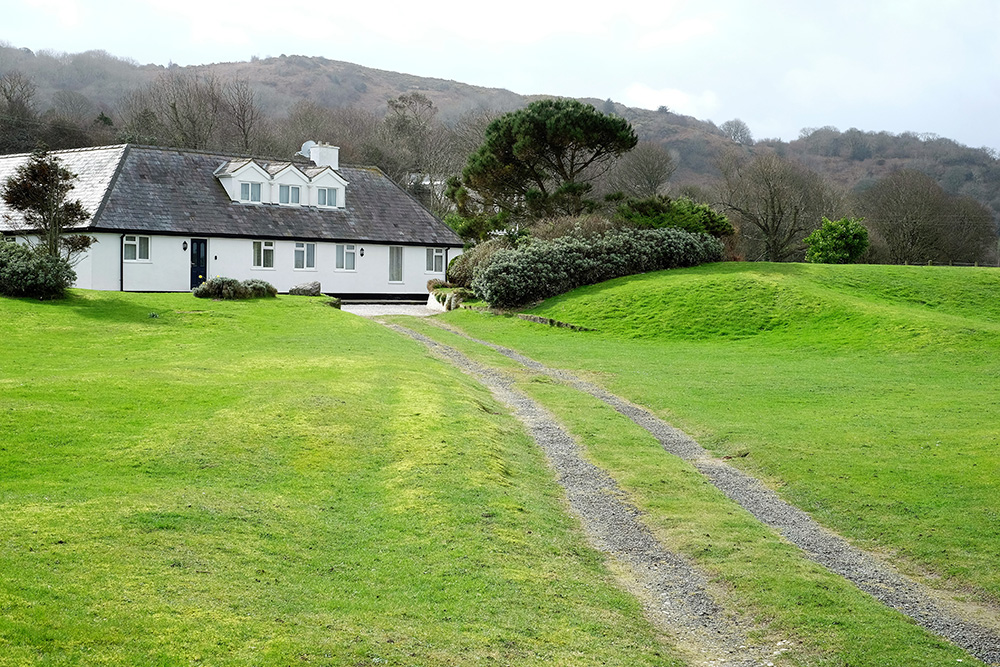
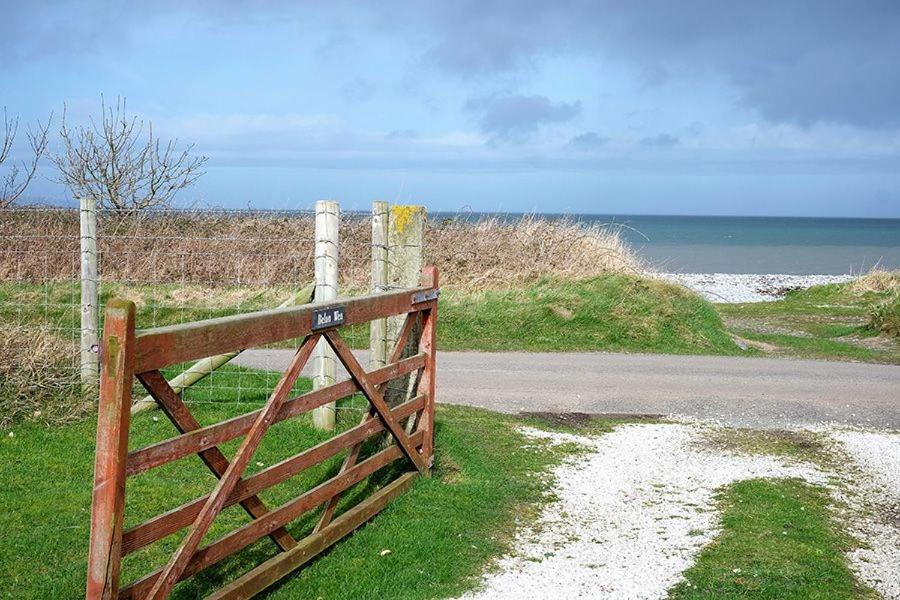
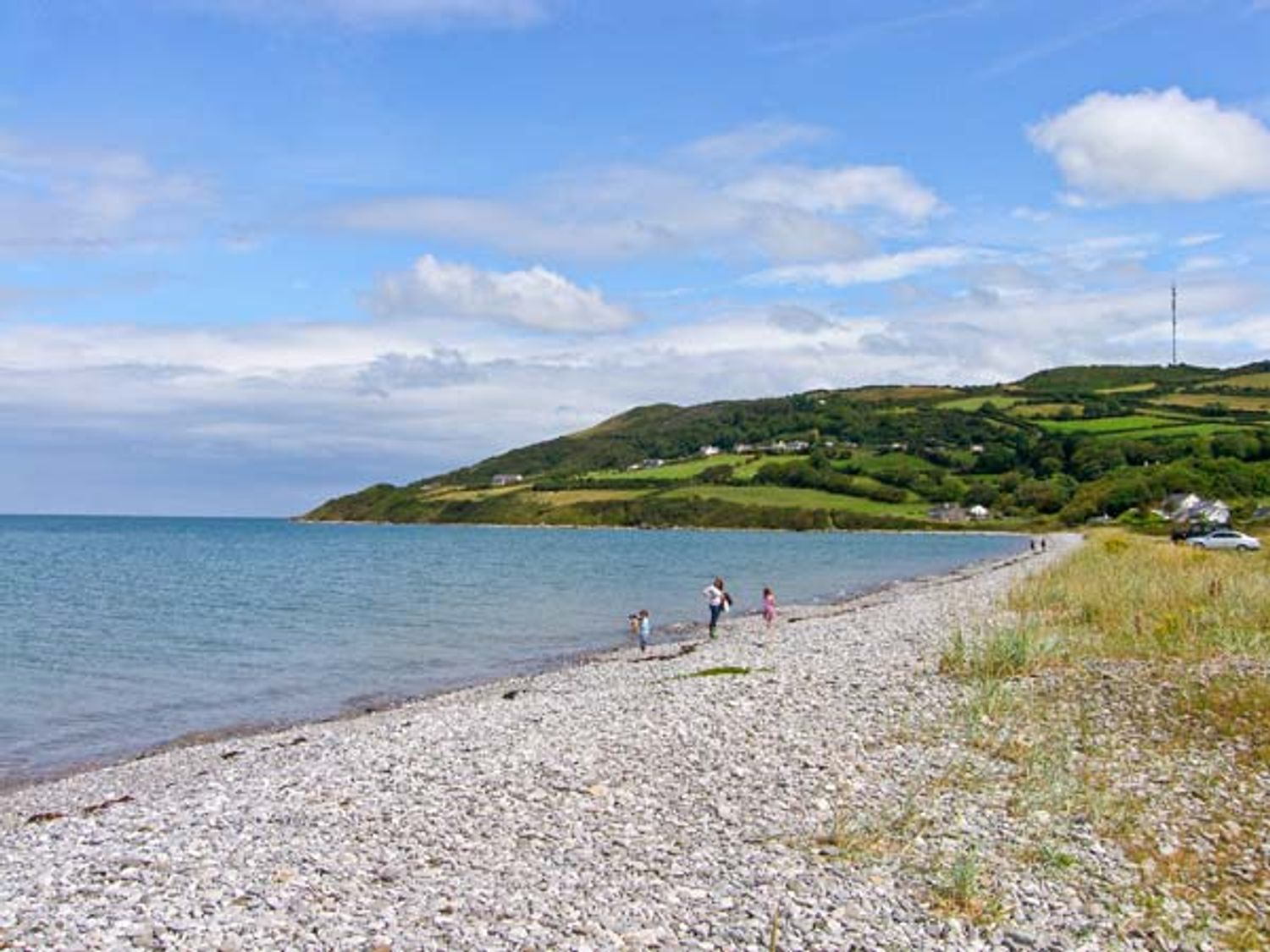
We travelled there from Worcester, not a motorway in sight, in our black Morris Eight (registration HON 417 - so nicknamed Honey) and later a Bedford Dormobile ("three-on-the-tree" column gear-change, nicknamed Toni because the two-tone cream-and-red livery gave it the look of an ice-cream van), either very heavily-laden or towing a trailer, sometimes the GP14 sailing dinghy built by my father. At the end of our stay a local farmer was engaged to pull us up the hill (on the right) with his tractor to Llandonna as both the Morris and the Bedford were severely short of the required power for the task. The cottage was gas-lit. One year that beach was entirely covered in jellyfish a foot apart. The big treat was a trip into Beaumaris for a 99. Curiously I changed my name to Hector on crossing the Menai Bridge into Anglesey after a favourite hedgehog comic character of that name. I wouldn't answer to Charlie for the duration. A pain even at that age. It's not been my intention to go back to the exact holiday home of sixty years ago, but I thought I'd take a look. Belan Wen is of course now on any number of booking websites. I get the same answer from all. Turquoise (cyan?) means already taken. There is some availability in December. It's a similar story everywhere. CEO of Rest Easy Group Matt Fox said: "Devon saw a 58% increase this May compared with 2019. Cornwall has seen 70% growth." Hoteliers and self-catering companies are anxious about double-booking and cancellations, particularly because of the volatility of the traffic-light international travel system. The Daily Mail reports: "Industry experts have reported a growing trend to book rooms at multiple hotels before cancelling all but one at the last minute to take advantage of generous flexibility being offered for customers amid continued uncertainty. Bookings software provider Avvio said cancellation rates for Britain's hotels are running at 'scarily low' levels of just 4 per cent, well below the normal 30 per cent, because consumers are making multiple reservations. Michael De Jongh, Avvio's chief commercial officer, said: 'Many holidaymakers have booked both a foreign holiday and a UK stay and our data shows they're often holding on to both. If they decide at the last minute to risk a holiday abroad, a late rush of cancellations in the UK would create chaos across the whole industry as hotels scramble to fill their suddenly vacant rooms. Many of these just won't be filled, resulting in tens of millions of pounds in lost revenue.' People may have banked accommodation with the view of potentially ditching it for a trip to a country on a green list instead as they wait and see how the summer of travel unfolds." On the consumer side demand is driving eye-watering price increases. The Daily Mail again: "One woman looking for accommodation close to the Dorset coast posted: 'Watch out for Sykes [Ed: Sykes Cottages, an agent with over 15,000 properties] price hikes. The cottage we booked for last April - 2020 - was £580 per week. This year - 2021 - same week £1,010.' Another woman based in Wales who has rented her property through Sykes insisted she has no control over the prices. 'I'm an owner, have just checked my prices and they've gone from £459 to £1,145. I've questioned this and they have said it's due to demand. Quite frankly I'm embarrassed.' " We're in the market for one of those cancellations mentioned above, dreaming of knock-down must-fill rates (do I see pigs in the sky?). If none materialises, luckily we live in the Cotswolds. I'll have to make do with trips to Cherington Pond, Coaley Peak, the Woolpack Inn at Slad, Woodchester Valley. Poor me. Maybe Friuli or Palermo in the autumn. Surely by then ... I've just stumbled upon a Which? headline from late April: 
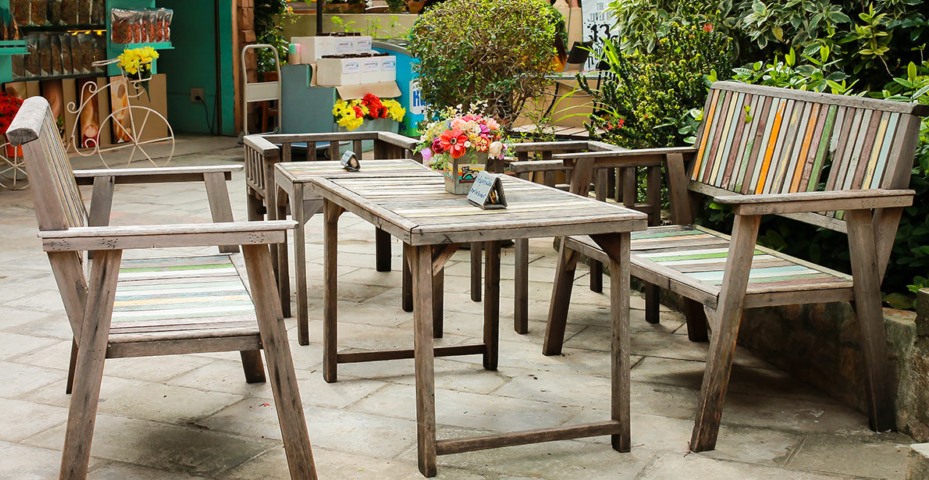
The report continued: "While Covid-19 has brought about the trend of sprucing up your living space, Brexit has thrown several spanners in the works. Many shoppers are paying higher prices and waiting longer for their purchases since the UK parted ways with the EU. Which? surveyed 2,010 people in February and found that 24% had experienced delays in receiving their goods. And of the 42% who returned items to sellers or manufacturers in the EU, 87% faced delays, unexpected paperwork or extra charges. With current coronavirus rules meaning all socialising has to be done outdoors, it's not surprising that people are stocking up on garden furniture. And uncertainty surrounding foreign holidays this summer is adding to many people's desire to make their gardens as pretty and practical as possible. Gina Hinde, marketing manager at the Leisure and Outdoor Furniture Association (LOFA), says: 'Demand for outdoor furniture and barbecues has swelled since last March and it will continue because of people spending more time in their gardens rather than going abroad.'" Hearts must be bleeding for us in India and Africa. |
||||||||||||||||||||||||||||
|
Tuesday 8th June |
||||||||||||||||||||||||||||
|
Yesterday morning I decided to take a look at news from the other side of the world, particularly as I hadn't heard anything recently of Jacinda Ardern. I posted volumes about her Covid triumphs and exemplary leadership last year (see 13th and 28th April 2020 for starters). I browsed the online New Zealand Herald. There was precious little of any interest to those outside NZ borders. The "World" section's main headline read: "Was Donald Trump wearing his pants on backwards during comeback speech?"
I found that back home in the UK "The Independent" had covered the story: "A video that appears to show former US President Donald Trump wearing strangely wrinkled suit trousers without a fly set the internet abuzz with people joking that the 74-year-old had unintentionally put the garment on back-to-front. Footage from Trump's long-awaited return to political rallying at a North Carolina Republican Party state conference on Saturday zooms in on his crotch area." There was comment also from Brandon Friedman, writer, entrepreneur, former soldier and Obama administration official. He tweeted (click to enlarge): It's your chance to decide: Comical ... but my interest in the Orange Mussolini must be plumbing the depths if I take notice of this trivia. In my defence, the speech was a frightening reminder of the four years of his presidency. The audience lapped it up. That's the worrying part; he still commands huge loyalty and attention. Trump was on stage for 90 minutes. Would you be surprised by any of what he said? Here's a taste, about three-and-a-half minutes in: "We're going to have a tremendous 2022, just like we did frankly, 2020. Think of it. More votes than any sitting president in the history of the United States by far. We had a great election. Bad things happened, but we had a great election. You look at our border, it's wide open. Illegal immigration is skyrocketing at a level that we've never seen before, and this is over a period of a few months. Drugs are pouring in. Gas prices are soaring. Our industries are being pillaged by foreign cyber-attacks. That's a lack of respect for our country and for our leaders. Speaking of our leaders, they're bowing down to China. America is being demeaned and humiliated on the world stage. Our freedom is being overtaken by left wing cancel culture and the Biden administration is pushing toxic critical race theory and illegal discrimination into our children's schools." That's enough. I ought not to give the man a minute longer. I hope I'll be able to ignore his next obsessive rant. If you really want to scrutinise all 33 pages of the transcript, here you are: As an endnote, and to go back to where I started, Jacinda Ardern is in a bit of strife over nurses' pay at the moment. About 30,000 members of the New Zealand Nurses' Organisations will strike tomorrow after voting to reject the latest offer from the District Health Boards yesterday. The nurses' union want a 17 per cent pay increase for all but the government says it is strapped for cash. |
||||||||||||||||||||||||||||
|
Monday 7th June |
||||||||||||||||||||||||||||
What a charming tale, an unlikely and positive outcome of the pandemic. Camille and Cameron Forbush had to abandon their life in the Philippines when their scuba-diving customers disappeared and return to a new adventure on British waterways.
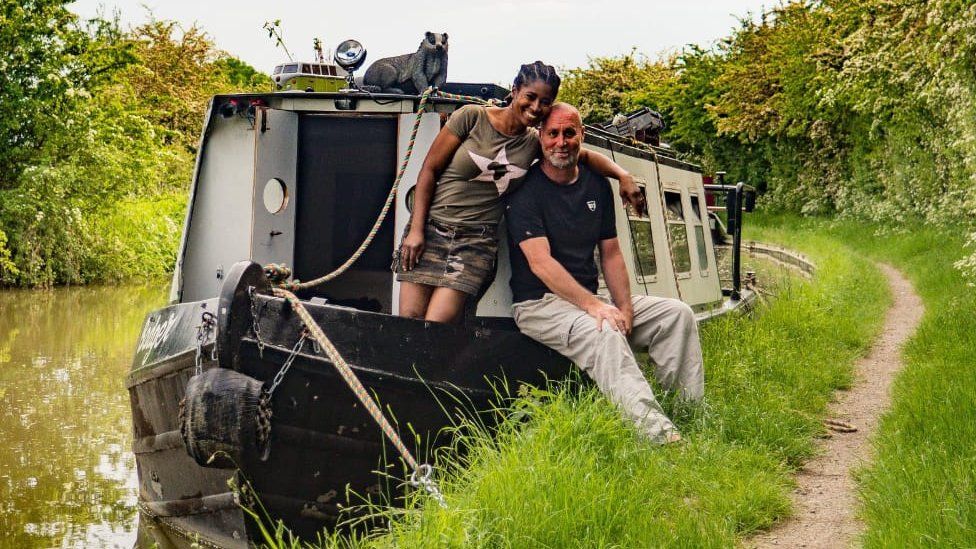

Camille said: "We came from a nice tropical country to a small narrowboat, and it was a dream come true. We are really happy, so contented. The boating community is so helpful, everyone is so polite, everyone's immersed in their own environment and nature." Cameron added: "At the scuba diving schools we went from our three busiest months ever to nothing overnight. [Life on a narrowboat] is something we considered 12 years ago and never got round to doing. I think it's going to be difficult getting us off. We knew we'd like it. I can't believe I'm saying it. I spent most of my adult life trying to get away from the UK, but Covid [means I've found] an awful lot to discover here. I don't think we appreciated how much we'd adjust to it." Their story has even appeared in the French press with reports that the Forbushes have taken to the new life "comme des canards à l'eau" 🦆 |
||||||||||||||||||||||||||||
|
Sunday 6th June |
||||||||||||||||||||||||||||
|
At last, the blog is back after two days of downtime at my hosting provider. Any chance of a free month in compensation, Fasthosts?
Few surprises in the UK virus news. Not that I mean to adopt a "small earthquake in Chile, not many dead" stance. All BBC charts with the mandatory FT/Johns Hopkins exception. Click to enlarge all. 40,124,229 first vaccine doses administered. 58.81% of the total (not just adult) population of 68,215,678. 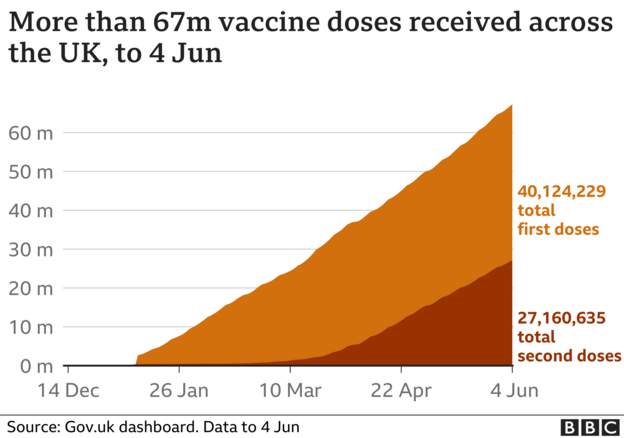
There have been words of encouragement from government and health service leaders to both the vaccine-anxious (understandable) and the more militant anti-vaxxers (unforgivable). The message is: throw away your misgivings and objections, think of not only your personal safety but also the greater good. Matt Hancock said: "In all corners of the UK, people are rolling up their sleeves when their time comes to protect themselves and the people around them. It seems with every day we pass another major vaccination milestone on the road back to recovery. I encourage everyone who is eligible to join the millions who have the fullest possible protection from this virus by getting their jab when the time comes." NHS England National Medical Director Professor Stephen Powis expressed his thanks: "This latest milestone in our ongoing fight against coronavirus gives us another welcome opportunity to thank everyone in the NHS working flat out to deliver the biggest vaccination programme in our history - they are protecting millions of people at speed and saving thousands of lives. There has never been a more important time to get protected so when it's your turn and you're contacted by the NHS, book your jab or bring forward your second dose." Two more charts: 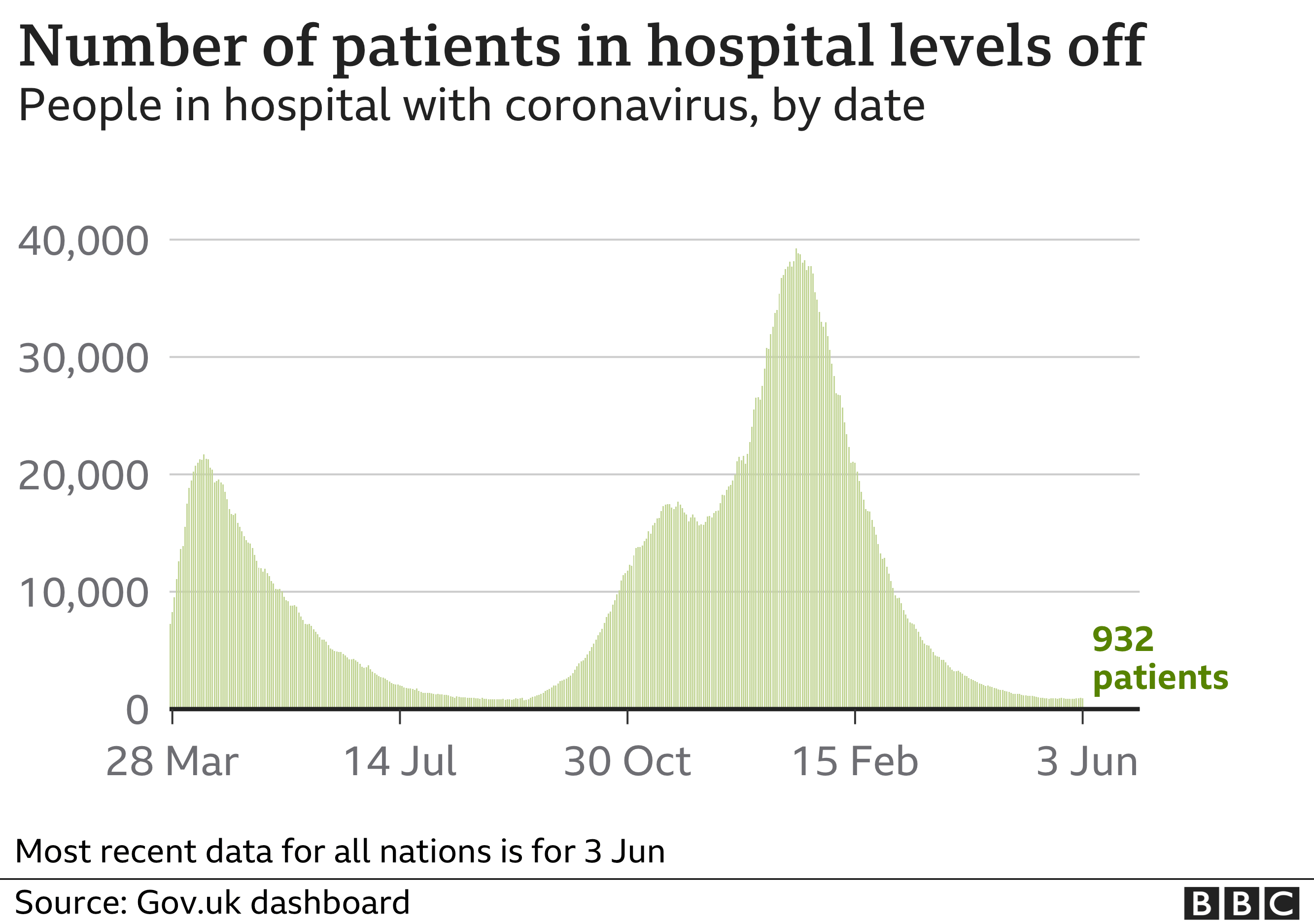
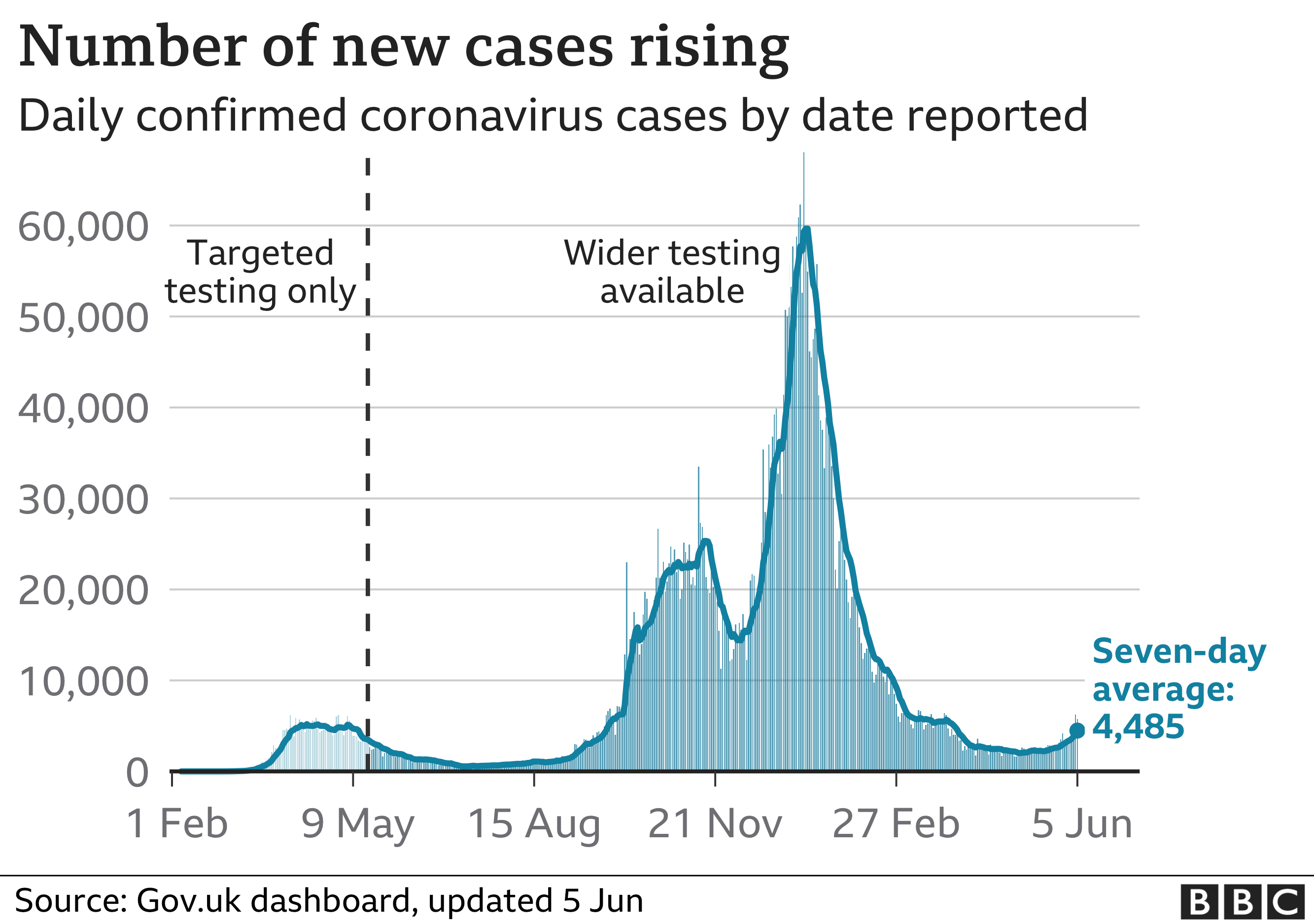
Despite the threat of the Delta variant and an upturn in cases gratitude is due for our continued good fortune compared with others: At the G7 meeting in Cornwall this coming week, Boris Johnson will ask participants to "rise to the greatest challenge of the post-war era" by "vaccinating the world by the end of next year": "I'm calling on my fellow G7 leaders to join us to end this terrible pandemic and pledge we will never allow the devastation wreaked by coronavirus to happen again." |
||||||||||||||||||||||||||||
|
Saturday 5th June |
||||||||||||||||||||||||||||
|
I wrote on Tuesday about the virtual Global Vaccine Confidence Summit hosted by the UK as part of its G7 Presidency. Matt Hancock said:
"Vaccine confidence is an international challenge and one that takes international action. At the G7 Health Ministers meeting this week we'll be talking about how to beat this pandemic worldwide." Dr. Tedros Adhanom Ghebreyesus, Director General at the World Health Organization (WHO), stated: "A key driver of vaccination is public trust. Trust must be earned. To succeed in vaccinating the whole world governments will have to deploy a range of strategies and tailor them to each country." The "whole world"? There is a shameful shortfall to make up before realising that goal. 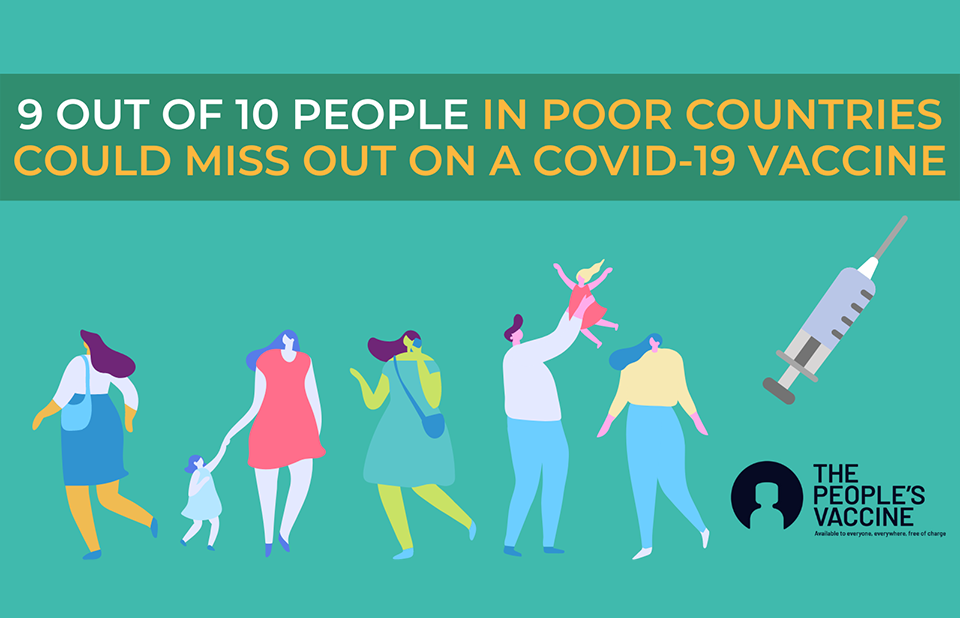
The Kaiser Family Foundation (KFF) is an American non-profit organization headquartered in San Francisco, California. It focuses on major health care issues, global health policy and claims to be a non-partisan source of facts and analysis. It reported earlier this year: "High-income countries representing just a fifth of the global adult population have purchased more than half of all vaccine doses resulting in disparities between adult population share and doses purchased for all other country income groups. Although high-income countries only account for 19% of the global adult population they have bought more than half (54%, or 4.6 billion) of the world's vaccine doses to date. "These countries currently have enough vaccine doses to cover more than twice their adult populations. Meanwhile upper-middle-income countries can reach approximately one-third or 39% of their populations; lower-middle-income 27%; low-income 38%." Yes, surprising to see low-income and lower-middle-income in that order. No matter. The first KFF chart describes proportions before any COVAX (see this blog 27th March) intervention. Click on all charts below to enlarge: The second is after COVAX re-distribution with the three lower income groups combined: If you still need any convincing, look at this Our World in Data comparison of vaccination progress between the UK and the continent of Africa: 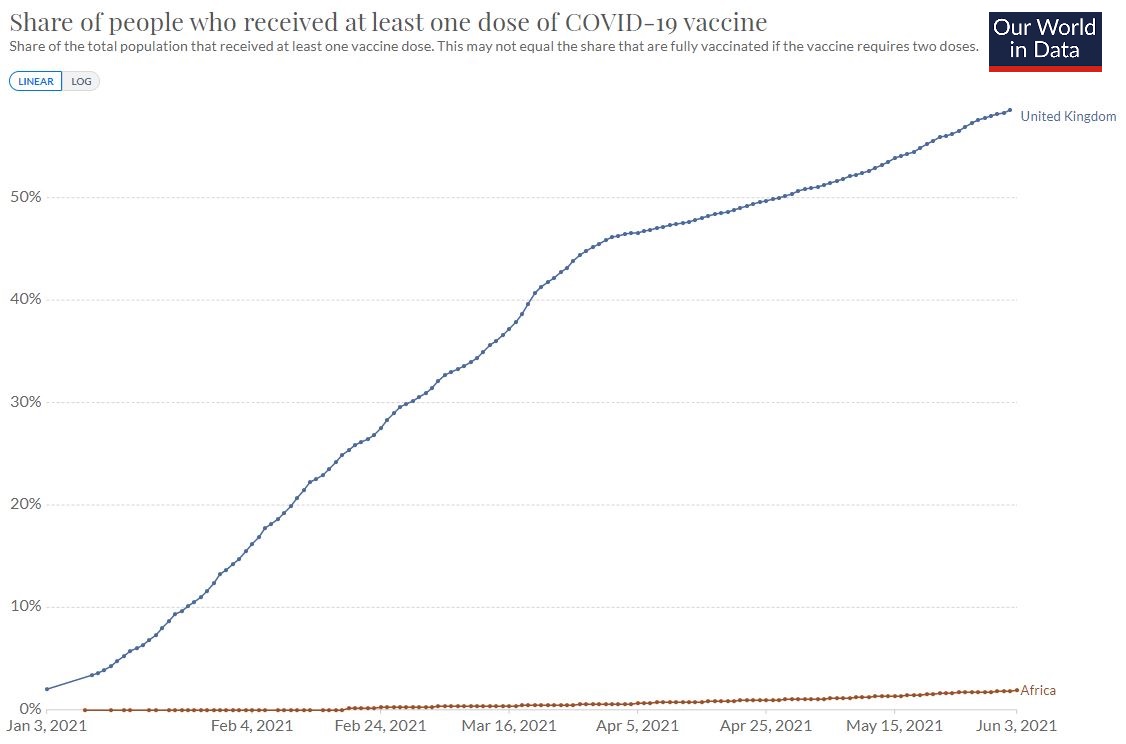
Issues affecting a holiday in Portugal don't come close, right? So much imbalance in the world. Just to cheer you up here's a thing of beauty: Joan Armatrading singing "Willow" in the studio sometime during the '70s. "Willing to be a shelter in a storm, your willow, oh willow, when the sun is out" |
||||||||||||||||||||||||||||
|
Friday 4th June |
||||||||||||||||||||||||||||
|
The USA get-a-vaccine incentive game is quite weird.
Biden's first target is 70% of adult Americans to have received one dose before Independence Day; the proportion currently stands at 62.8%. The second is 160 million US adults fully vaccinated by July 4; at the moment the total is 133.5 million. A teetotal president partners with a brewer. 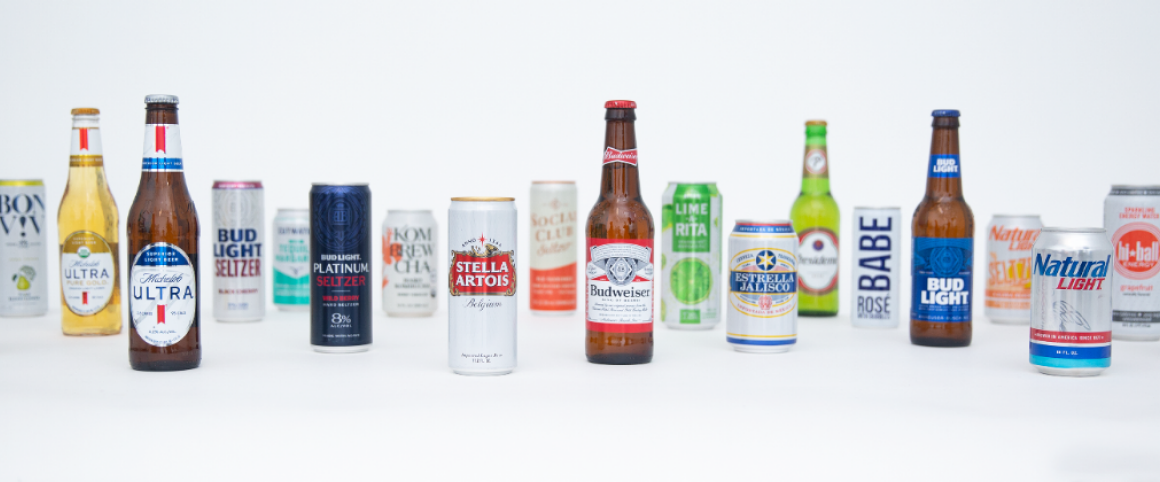
Chief Marketing Officer Marcel Marcondes gushed: "Last year, when the pandemic arrived, we quickly pivoted and refocused on supporting society and bringing consumers joy, normalcy, and entertainment during a difficult time. Now, as we are hopeful for brighter days ahead, we're once again pivoting our plans to ensure our brands are there to encourage people to think about being together again and returning to activities we love, while reminding them to socialize safely and responsibly." 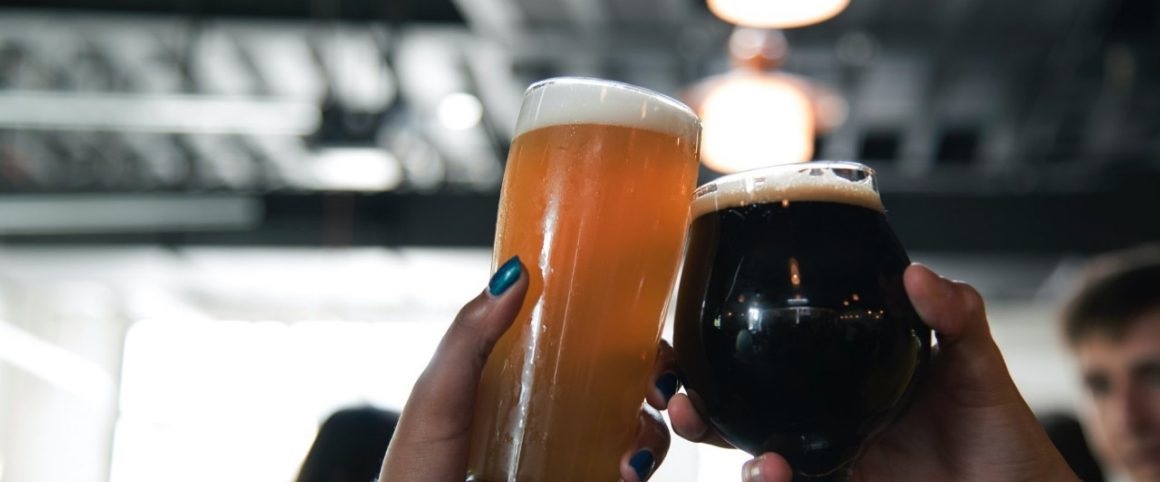
Here's the promise from the company website: "When the nation reaches the White House's goal of 70% of adults partially vaccinated, Anheuser-Busch will buy America's next round of beer, seltzer, non-alcoholic beverage or other A-B product - inclusive of over 100 brands - to enjoy with family and friends. Adults 21+ will simply upload a picture of themselves in their favorite place to grab a beer, whether with friends at their favorite local bar and restaurant or with family in their very own backyard, at MyCooler.com/Beer to enter to receive a beer on A-B." No self-interest evident here 😉🍻 The US-based Medical News Today published a report in January: "The researchers surveyed 5,850 adults from all 50 states through Facebook and its associated platforms during the months of March and April 2020. They asked the participants to describe themselves demographically and report how their alcohol use had changed since the start of the pandemic. Of all the participants identifying themselves as drinkers, 29% reported that their alcohol consumption had increased during the pandemic. Women were more likely (33% as opposed to 24%) to have increased their drinking than men. Highly educated people were more likely to have started drinking more (32%) than those without a bachelor's degree (25%). Of the people aged 40-59 years, 30% reported drinking more." Women, the bright and the middle-aged found solace in drink, eh? Did they favour Budweiser and Stella? |
||||||||||||||||||||||||||||
|
Thursday 3rd June |
||||||||||||||||||||||||||||
Matt Hancock will be hoping that his words don't come back to bite him - if there's anything left to chew on after the Cummings mauling. He was in buoyant mood at the virtual Global Vaccine Confidence Summit yesterday. A little self-congratulation is a dangerous thing. OK, he did make the point about it not being a global competition. He even gave credit to other people.
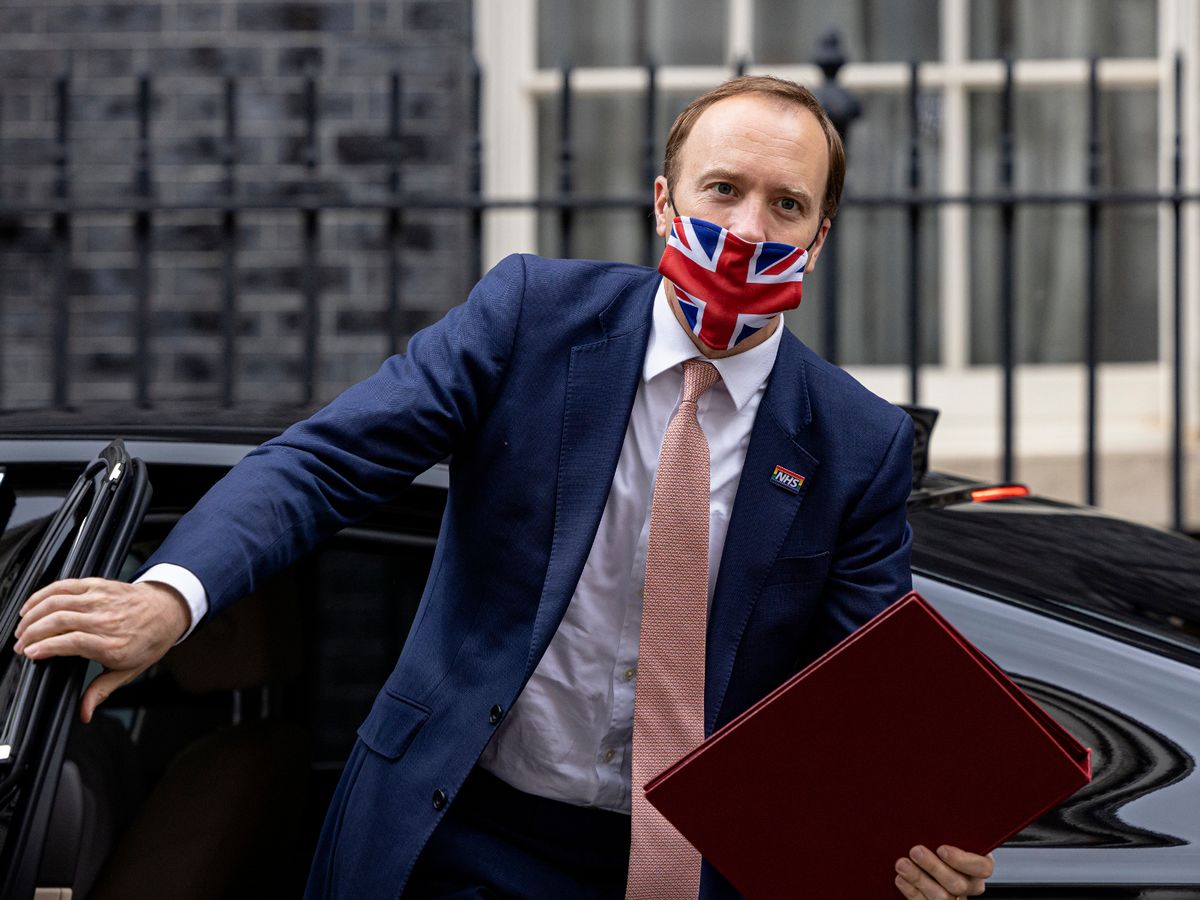
"We continue to top the list of places where people are willing to take, or have taken, a Covid vaccine. I am aware that this isn't a vaccine world cup. Different nations don't compete for one prize. We know that when everyone is safe we're all going to be the winners. Vaccine confidence is an international challenge and one that takes international action. "Figures from cricket to comedy to cookery and things like the NHS campaign resulted in a sharp uptake in vaccine take-up, including around a 20% increase in Asian communities. We use trusted voices in a cheerful, positive way, from Her Majesty the Queen to Sir David Attenborough. They publicly made it known that they'd got the jab and they played their part in normalising the acceptance of the vaccine. "Professor Jonathan Van-Tam, our deputy chief medical officer and lead on the vaccine project, has become a household name with people getting T-shirts and mugs with his face on because people admire his straight-talking approach. That I think has helped to build confidence." Should we let him crow, just a little bit? It's very un-English to claim and celebrate that something is actually going well. Boris Johnson said at lunchtime yesterday: "Nothing in the data at the moment means we cannot go ahead with Step Four. But we've got to be so cautious. I'm sorry that's frustrating for people. I know that people want a clear answer about the way ahead for 21 June but at the moment we have just got to wait a little bit longer." The Office for National Statistics (ONS) says happiness (yes, there's even a chart for that) is on the rise, although it hasn't reached pre-pandemic levels. The survey responses were on a scale of 0 to 10, where 0 is "not at all" and 10 is "completely". The sample size is not stated. In early February did we go no lower than 6.4? Made of stern stuff, the Brits. |
||||||||||||||||||||||||||||
|
Wednesday 2nd June |
||||||||||||||||||||||||||||
You know I like a telling chart or photograph. The BBC (and other media and statistical organs) has offered up a feast for me today.
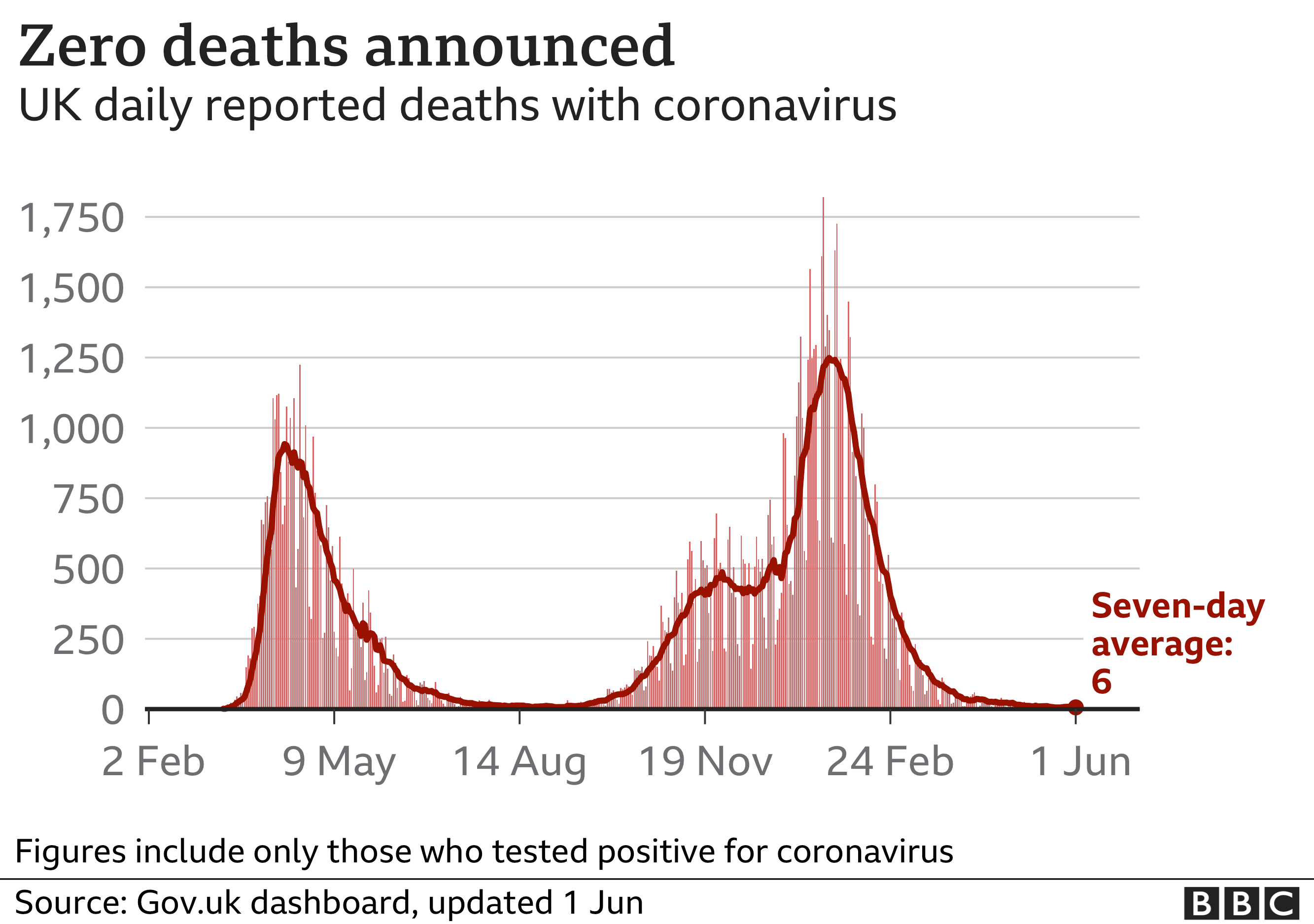
This is clearly good news, a milestone. Probably not an accurate statistic because of time-lags in reporting, particularly after a bank holiday. We don't yet know where the Delta (formerly known as India) variant will take us. But a cause for gratitude, a huge contrast with elsewhere; see the FT fragment below. House price increases have accelerated during the pandemic, 10.2% higher today than a year ago, the fastest annual rate of growth for 14 years. There's been a rush to the country, escape from the denser urban Covid threat, more space for the newbie home-worker. Another virus blow to the young. 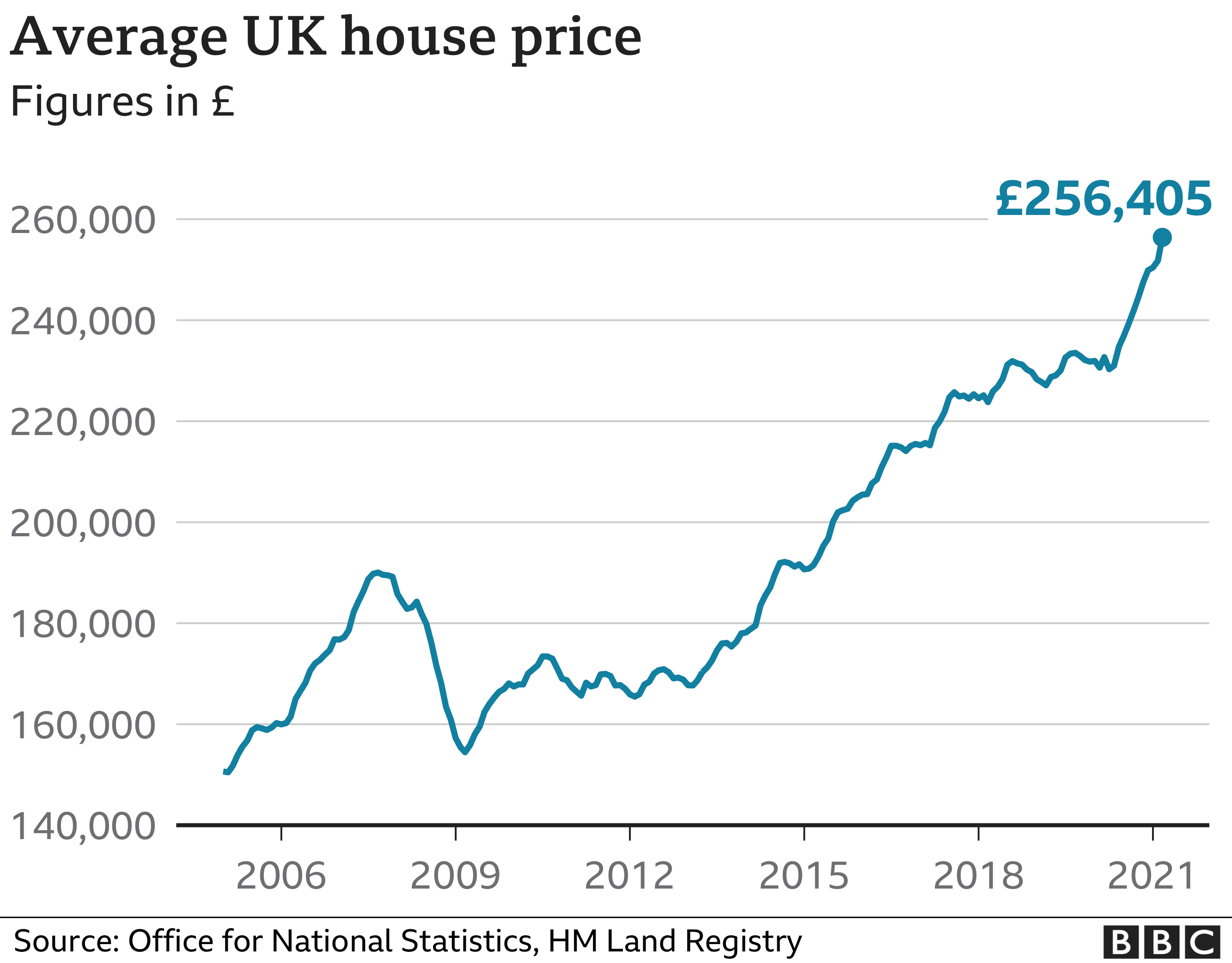
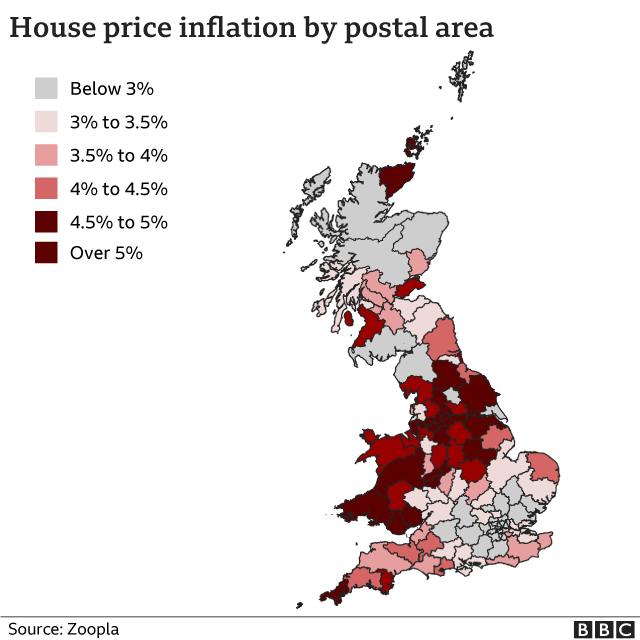
The switch to electric cars is growing apace. Manufacturers are promising to sell only electric by these dates: Jaguar 2025, Volvo 2030, Lotus 2028, General Motors 2035, Ford 2030 (Europe), VW (70%) 2030. I like the generic product adoption graph used to describe this growth, the S-curve: 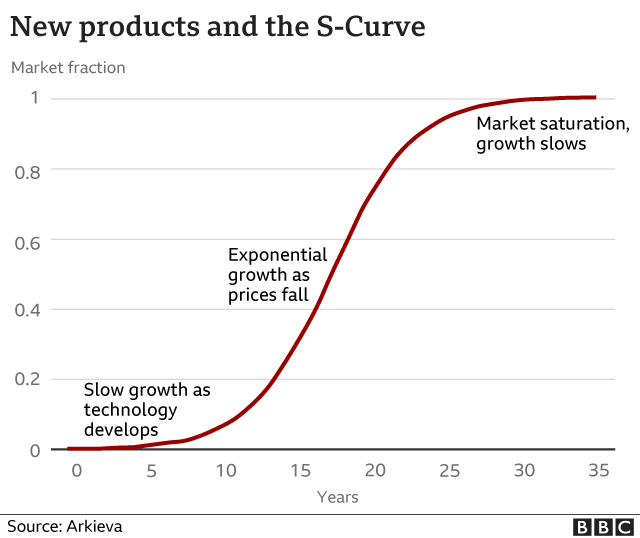
One of the benefits of lockdown last year was the improvement in air quality. Here are a before-and-after picture of the India Gate in Delhi and a graph of data collected in April 2020 by the National Centre for Atmospheric Science (NCAS) showing marked reductions in nitrogen dioxide (NO2) and in particulate matter (PM2.5) across 10 UK cities. 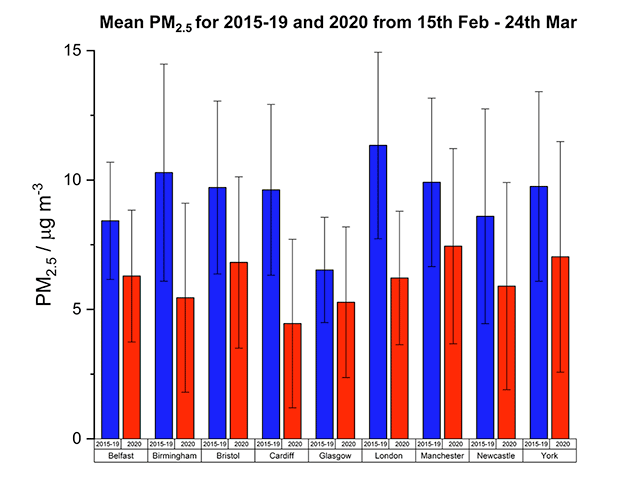
Sadly this promise has proven empty. On a parochial level I notice that daytime traffic in Stroud is now much heavier than before Covid. Ernst & Young (EY) reported in the EY Mobility Consumer Index of November 2020 surveying more than 3,300 consumers across nine countries including 314 respondents from the UK: "The COVID-19 pandemic is reshaping the marketplace. The survey finds that public transport will be severely hit, with a 69% reduction in public transport use for work, a 61% fall in usage for leisure and entertainment pursuits and a 53% decline for household and social travel. More than three-quarters (78%) of respondents say that they are going to be more likely to use their cars for travel in a post-pandemic world. Millennials (24-39 years-old) are expected to lead a car ownership boom in the coming six months across the globe, representing 45% of all first-time car owners." |
||||||||||||||||||||||||||||
|
Tuesday 1st June |
||||||||||||||||||||||||||||
Just as President Biden had instructed the US spooks to work harder on the Wuhan lab-leak imbroglio, the Daily Mail went "exclusive" about an imminent academic paper on the topic, embargoed until publication. The Mail printed a report by its journalist Josh Boswell last Friday, along with a watermarked abstract, trumpeting (no pun intended) that the document was an "explosive new study" containing "shocking allegations".

The paper's title doesn't promise such incendiary charges: "A Reconstructed Historical Aetiology of the SARS-Coronavirus-2 Spike". The principal authors are Norwegian virologist Dr. Birger Sørensen, chair of Oslo-based pharmaceutical company Immunor AS, and Angus Dalgleish, professor of oncology at St George's, University of London. The abstract "We posit that this reconstructed historical aetiology [Ed: The cause, set of causes, or manner of causation of a disease or condition (Oxford English Dictionary)] meets the criteria of means, timing, agent and place to reverse the burden of proof. Henceforth, those who would maintain the zoonotic transfer hypothesis need to explain precisely why our simpler account of laboratory manipulation is wrong, before asserting that their evidence is persuasive. This is more especially when, as we also show here, the evidence used to support some of their arguments is actually in contradiction of them." Hot stuff, eh? It's been said before. Nicholson Baker (see 8th January) expressed the risk of scientific error in the New York Magazine: "High-containment laboratories have a whispered history of near misses. Could a world full of scientists do all kinds of reckless recombinant things with viral diseases for many years and successfully avoid a serious outbreak? Things can go wrong in a hundred different ways. One day, perhaps, somebody messed up. The news of a novel coronavirus in Wuhan screamed lab release." Other journalists have been lukewarm. Daily Telegraph columnist Allison Pearson wrote: "Professor Anne Spurkland, an immunologist from the University of Oslo who was not an author on the paper, told NRK, the Norwegian state broadcaster, that this [inserted sections placed on the SARS-CoV-2 Spike surface] is not evidence that the virus was man-made. Another vaccine researcher, Gunnveig Grødeland, who was also not involved in the paper, told NRK that these sequences can occur when a virus mutates and are found in other viruses including HIV and other coronaviruses. In other words, naturally. Sørensen, Dalgleish and contributor Andres Susrud all have shares or stock options in Immunor AS. Somehow this is all a bit of a non-story. Yet the Mail decided to go big with it. They did of course have a very typical agenda, witness another headline: What effect will the publication of the paper have? What will Biden's researchers discover in the 90 days they've been given? I'm not sure I really care, unless it teaches us something useful. Is it worth going back over old ground? Will it raise the hackles of Chinese epidemiologists? I reckon we need as much international cooperation as possible to strengthen our defences against future threats. |
||||||||||||||||||||||||||||
|
Monday 31st May |
||||||||||||||||||||||||||||
"Vaccine tourism" to the USA from Latin and South America has mushroomed. Why? Quite simply, vaccine availability is disproportionately higher in the USA. Look at how Peru and the USA differ in terms of vaccination progress in an Our World in Data comparison - measuring one dose only - of the two countries (click to enlarge). Details further down are courtesy of CNN.
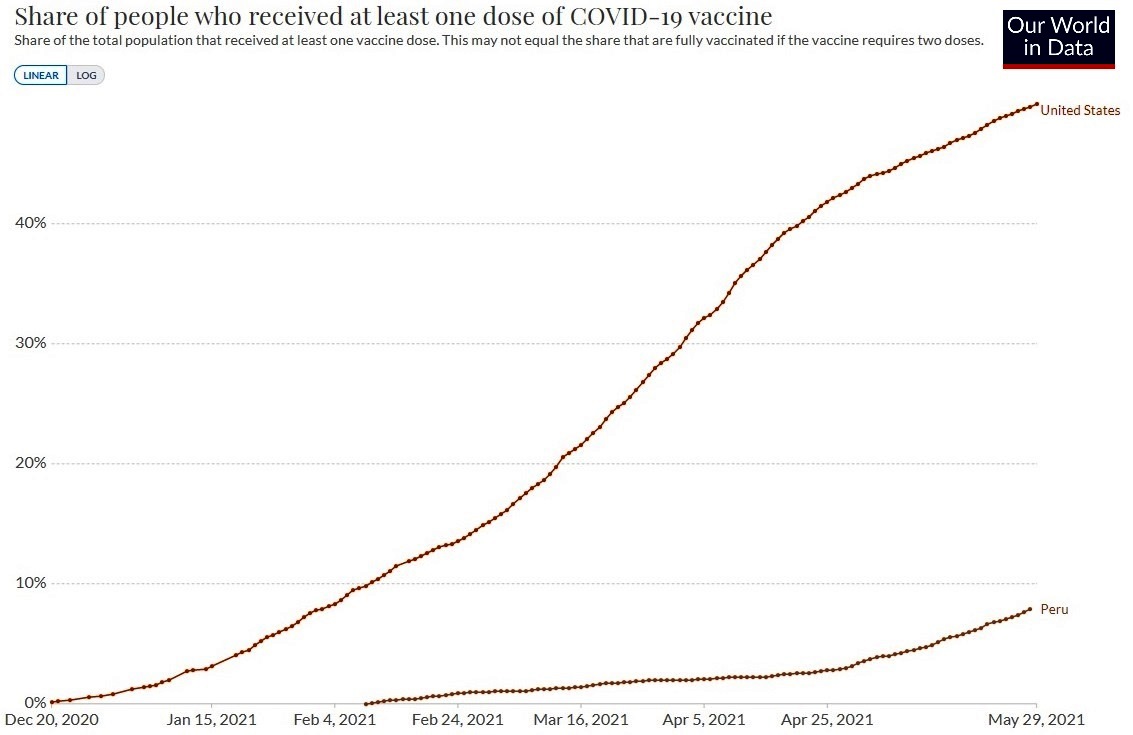
Pan American Health Organization (PAHO) Director Carissa Etienne told reporters: "Just 3% of Latin Americans have been fully vaccinated against COVID-19 and we still have a long way to go to ensure that everyone is protected, a symptom of how unequally vaccines are being distributed in the Americas." Flights from Lima to the USA are completely booked until June according to Ricardo Acosta, President of Peru's Association of Travel and Tourism Agencies. The number of people travelling from Peru to the USA quadrupled from 10,000 in February to 40,780 in April. The price of an economy ticket from Lima to Miami at this time of year used to be $500-700. Now prices start at $1,200 and reach $4,500. Business consultant Flavio San Martin said: "If the vaccine does not come to you, it is time to go the vaccine. I'm 46 years old and I didn't think I could be vaccinated in my country before December. I have seen people dying getting closer and closer to home." Pamela Card, a 37-year-old from Mexico, said she was vaccinated during a long weekend in Miami along with nine other friends. Each was able to obtain online appointments to receive the Johnson & Johnson vaccine at a pharmacy. "You have to fill in a simple form, they asked for an ID to confirm your name, I showed my Mexican national ID and that was all." The USA is facilitating the process. New York City Mayor Bill de Blasio announced: "We're setting up mobile vaccination opportunities for tourists in some of the best trafficked parts of New York City, the places that tourists love to go. I think this is part of the welcome back to New York City. We want everyone to be safe." |
||||||||||||||||||||||||||||
|
Sunday 30th May |
||||||||||||||||||||||||||||
|
A little light relief today.
This is about a friendship that has (nearly) always been conducted remotely. Nothing to do with Covid restrictions, no change demanded by the onset of the pandemic. I met Eddie in Cambridge in 1972. I was trying to cross St. John's Street. A bus stopped for me. Eddie was driving. That same evening he was in front of me in a cinema queue. Since 1975 we have never lived in the same country. I was in Italy for five years. He taught in Algeria, Nice, Rome and Luxembourg, where he still is. OK, we have met in person on each other's territory or in England when he's been back here. Once in Corfu. But most of the time we've kept in touch via letter. I should say that Eddie has done most of the writing. I have a box of his postcards. 46 years of correspondence. There's no email traffic; Eddie doesn't do computers. Sometimes his wife Diana is kind enough to pass on a message. I do ring, and now I'm allowed to text. I get regular letters, usually a photocopy of something wacky with the missive on the reverse side in his distinctive round hand. Here's one I got yesterday. He's a very keen cyclist. The prawn biker is by Simon Drew, an illustrator from Dartmouth, Devon. Very Dalí, innit? 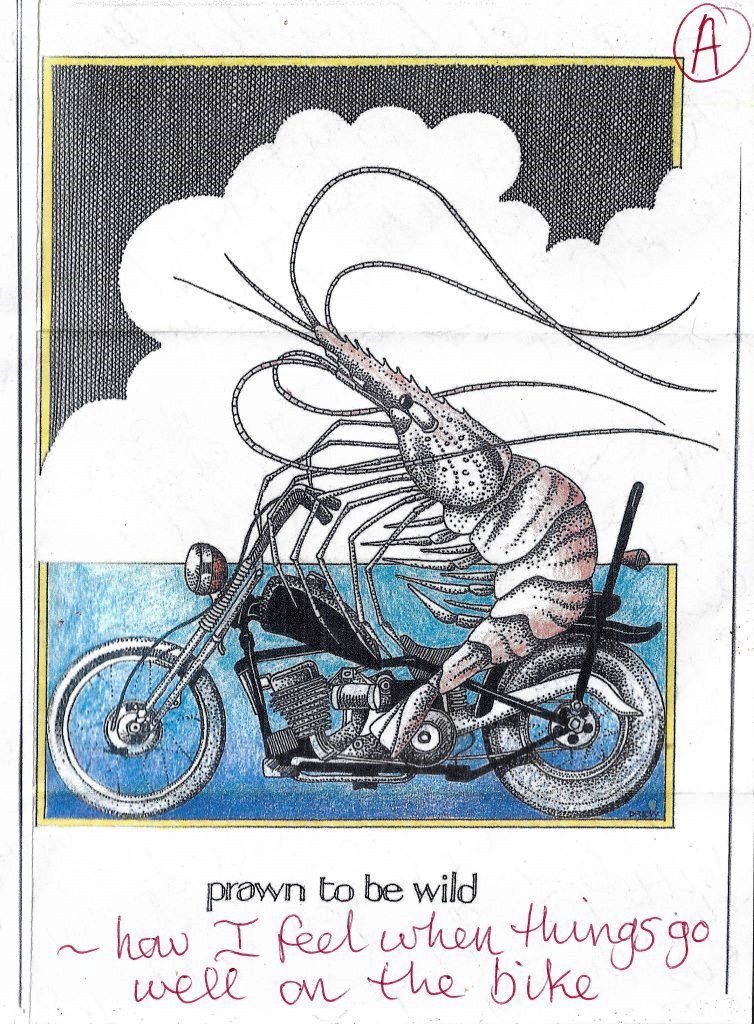
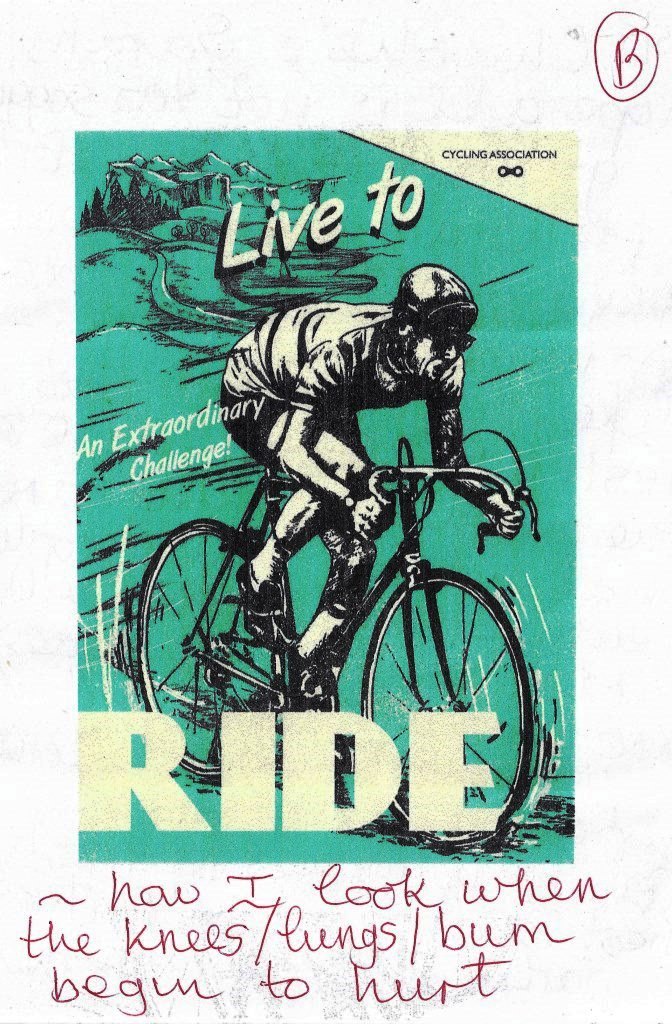
|
||||||||||||||||||||||||||||
|
Saturday 29th May |
||||||||||||||||||||||||||||
|
Earlier this year I posted a discussion on "The Lab-Leak Hypothesis", a theory on the origins of Covid-19 illuminated by an article penned by American essayist Nicholson Baker and published on the New York Magazine "Intelligencer" website.
I wrote on 8th January: "There are two main camps in the debate. In one, the belief is that the pandemic originated through natural zoonotic causes; a zoonosis is an infectious disease caused by a pathogen that has jumped from a non-human animal (bat, pangolin) to a human. In the other view, the accusing finger points at human error, careless scientific tinkering, unintentional release from a laboratory." 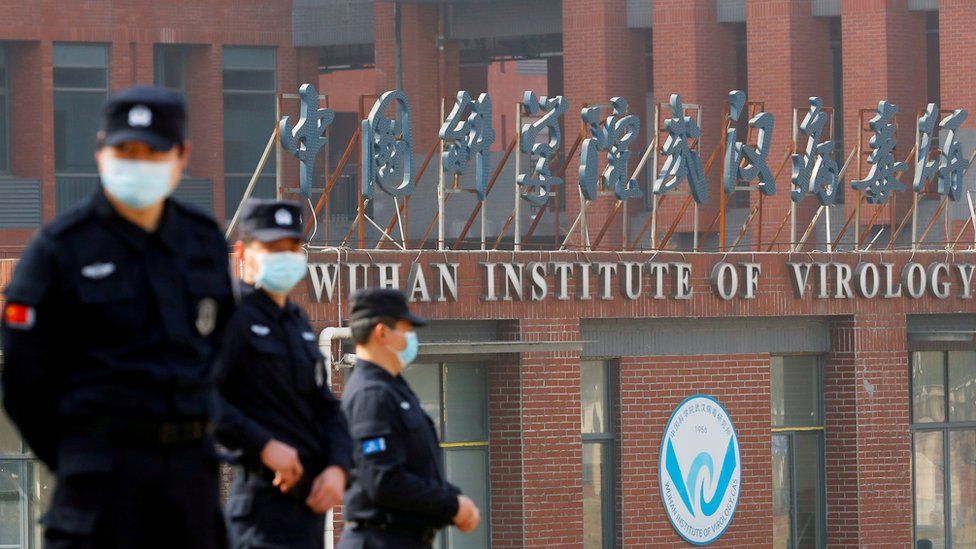
The story's back, sparked by a previously undisclosed intelligence report claiming that several researchers at the Wuhan Institute of Virology fell ill in November 2019 and had to be hospitalised. President Biden, having halted the earlier Trump-instigated inquiry, on Wednesday directed the US intelligence community to redouble their efforts in investigating the origins of the pandemic and report back to him in 90 days. The Orange Mussolini was never going to keep quiet about this one. Four days ago this appeared on his new website: "Now everybody is agreeing that I was right when I very early on called Wuhan as the source of COVID-19, sometimes referred to as the China Virus. To me it was obvious from the beginning but I was badly criticized, as usual. Now they are all saying 'He was right.' Thank you!" Two things strike me. First, I've never seen a former president so obsessed with his legacy, so determined to big up his achievements while in office. He simply hasn't let go. Most departed "Commander-in-Chiefs", while often contributing to future debates, go quietly at the end of their tenure. It looks worryingly like Trump really is intent on a return. Secondly, he DID accuse China of responsibility for the initial Covid-10 outbreak. It's not a lie. On the same day he claimed credit for the US vaccine rollout: "New United States COVID cases, because of the record-breaking development of the vaccine and its early purchase and distribution by the Trump Administration, has hit its lowest level in more than one year, and falling fast." What's the evidence? Here's a chart from Our World in Data of vaccination programmes (click to enlarge): 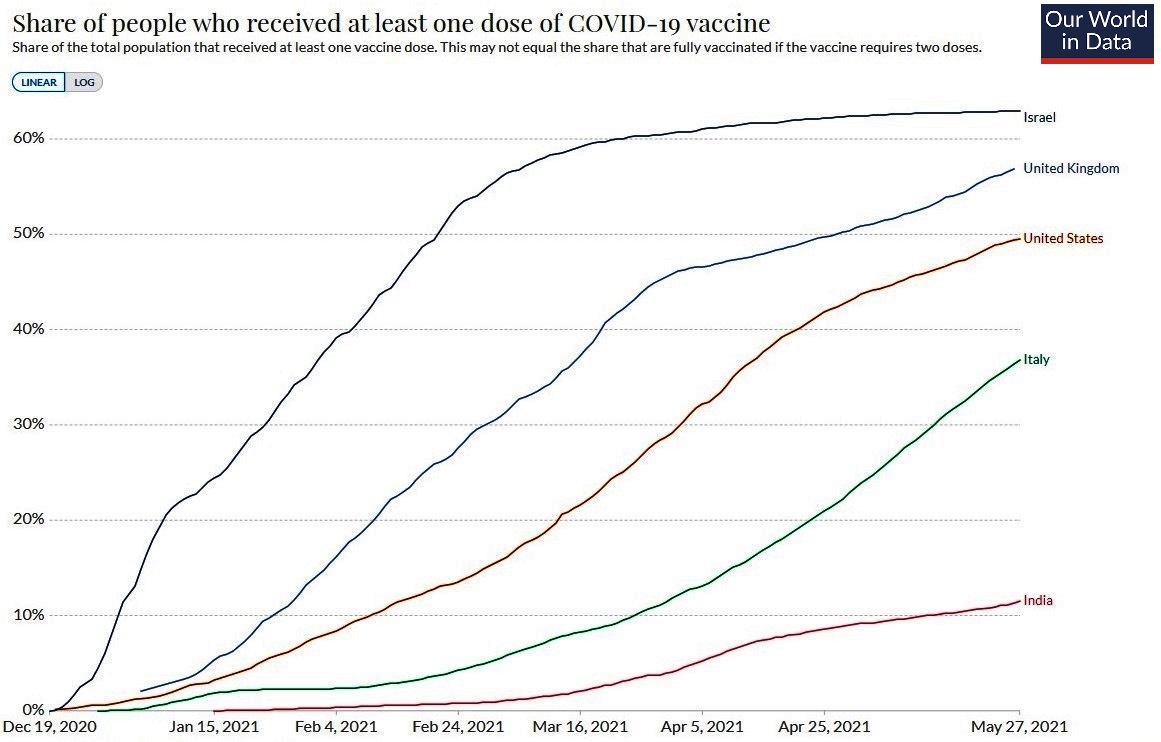
Israel led the vaccination race; Netanyahu cracked early deals with Pfizer (see this blog 26th January). EU-constrained Italy was slow out of the blocks. India's roll-out has been a disaster. The UK and USA rates of progress have been broadly similar. Biden took office on 20th January 2021. He can't be credited with the vaccine preparation groundwork. Do we have to accept Trump's claim, much as Boris's government gets pats-on-the-back for the successful UK programme? The progress of UK and USA new cases, particularly in the per-100k FT chart below (click to enlarge), track one another. The terrible January peaks may have been the result of denial and poor preparation in both countries, failures in lockdown and personal protection, but they're nothing to do with vaccination - or only its absence. The decline in numbers since then must be the effect of vaccine roll-out. I've included China here for the sake of irony as it's the target of the "lab-leak" charge 😉 |
||||||||||||||||||||||||||||
|
Friday 28th May |
||||||||||||||||||||||||||||
|
During the last couple of days I found myself still musing on the state of the "Chosen Eight", wondering just how bad things were in Bolton and Burnley and Blackburn and Bedford ... I couldn't resist building a little spreadsheet. The data comes from the BBC lookup tool "Covid-19 in the UK: How many coronavirus cases are there in my area?" which in turn draws from NHS England and Public Health Scotland.
The period covered is from 17th to 23rd May, the data extracted yesterday 27th May. The column headings are the name of the local authority, the actual cases that week, the increase or decrease on the previous week and the number of cases per 100,000 population. I've included the 8 councils under "special measures" (I'd better not say that near Number 10). Then I've added for comparison two places where we and our family live and two more remote regions of the British (just) Isles. The table is sorted on the last column (per 100k) in descending order. The England average is 13. Here you are: 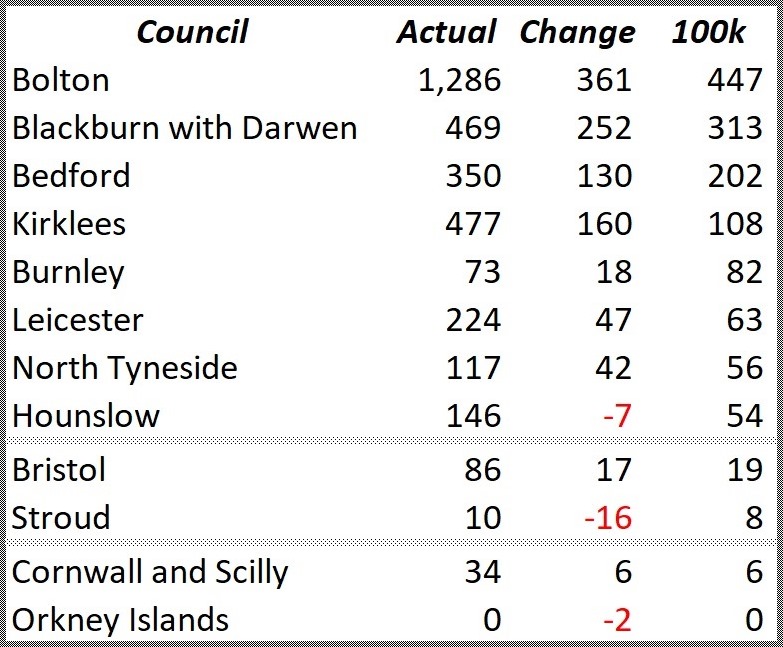
Yes, Bolton does have a bigger problem (34.4 times the England average) than Stroud (0.6). Here's a chart for the town: Presumably the vaccination programme has kept the 60+ cases relatively low. The under-60s line has been flying up. It's close to the historical peak. Where will it end? No wonder the vaccine rollout was extended from last Wednesday morning right down to include everyone aged 30 and above. And an extra detail ... the NHS has said that under-39s will be offered the Pfizer or Moderna vaccine, not Oxford/AstraZeneca, following the latest guidance from the JCVI. The Stroud picture looks very different. Even the under-60s group is recovering from an upwards blip. The Orkney Islands haven't even got one of these charts. Not much point in separating out under- and over-60s. There's just the graph below (click to enlarge). The scale maxes out at 20. The seven-day average peaked at 6. Afterthought. Having written the above yesterday, I had some moments of unease during the night. I started my scrapped post two days ago with "The mood is lighter - but we're not out of the woods". That nagging worry has returned. The Bolton (and other) numbers are scary, and I feel for the townspeople going through the experience. The ability of the virus to mutate is chilling. I remain dismayed that an invisible organism is so canny, that it can hold an entire planet in thrall. Even the beleaguered Hancock (my friend Brian Walsh commented that Dominic Cummings's frequent use of just his surname or title was as scornful and dismissive as anything else he said) has voiced the government's concerns to go alongside the PM's recent tone of caution. He said in the latest press briefing (which contained positive statements too): "The latest data show that the number of cases is now rising. Yesterday we saw 3,542 new cases, the highest since 12 April. The variant first identified in India - B.1.617.2 - is still spreading, and the latest estimates are that more than half, and potentially as much as three quarters, of all new cases are now of this variant. "We're surge testing in the 8 hotspot areas and in other places where cases are lower but rising. In the hotspot areas we're surging vaccines too for those who are eligible. In Bolton for instance we've done 17,147 vaccinations in the last week. Earlier today I spoke to Fiona Noden, CEO of Bolton Foundation Trust, and her message is very clear. The hospital is functioning well and is open to all those who need it. But people need to be careful and cautious and follow the rules, and take personal responsibility to help to slow the spread." Here's the briefing transcript: The good news is that we even have the ability to detect a variant. I marvel at the level of scientific wizardry required to do so. Given the amount and severity of criticism aimed at government unpreparedness earlier in the pandemic, may we hope that the research effort will be undimmed in confronting future challenges? |
||||||||||||||||||||||||||||
|
Thursday 27th May |
||||||||||||||||||||||||||||
It was a day for looking back with blame and recrimination. I'm going to rely heavily on quotations. They tell a better story than I might.
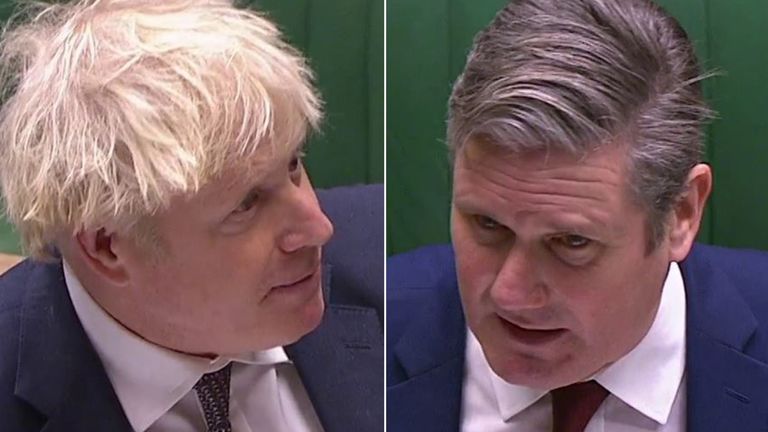
Keir Starmer was on the warpath at Prime Minister's Questions: "One of the most serious points made this morning is that the Prime Minister failed to recognise the severity of this virus until it was too late, dismissing it as another "scare story" like the swine flu. Does the Prime Minister recognise that account of his own behaviour? If so, will he apologise for being so complacent about the threat that this virus posed?" "Another incredibly serious statement from the Prime Minister's former adviser this morning concerns the conduct of the Health Secretary, including an allegation that the Health Secretary misled other Ministers and officials on a number of occasions. I do not expect the Prime Minister to respond to that, but can he confirm: did the Cabinet Secretary advise the Prime Minister that he - the Cabinet Secretary - had 'lost confidence in the Secretary of State's honesty'?" "There was clearly a lack of planning, poor decision making, a lack of transparency and a Prime Minister who was absent from the key decisions, including five early Cobra meetings, and who was, to quote his former adviser, '1,000 times far too obsessed with the media'." "His decision to delay for 40 days, from the SAGE guidance on 21 September until 31 October, will be seen as one of the single biggest failings of the last year." Boris Johnson refuted all charges. He couldn't resist taking a dig at the opposition: "I notice that the right hon. and learned Gentleman is fixated, as ever, on the rear-view mirror, while we on this side of the House are getting on with our job of rolling out the vaccines, making sure that we protect the people of this country." "When it comes to hindsight, I just remind him that he actually - he denied this at the time and then had to correct it - voted to stay in the European Medicines Agency, which would have made it impossible for us to do the vaccine roll-out at the pace that we have." "The Opposition vacillate; we vaccinate. They deliberate; we deliver." 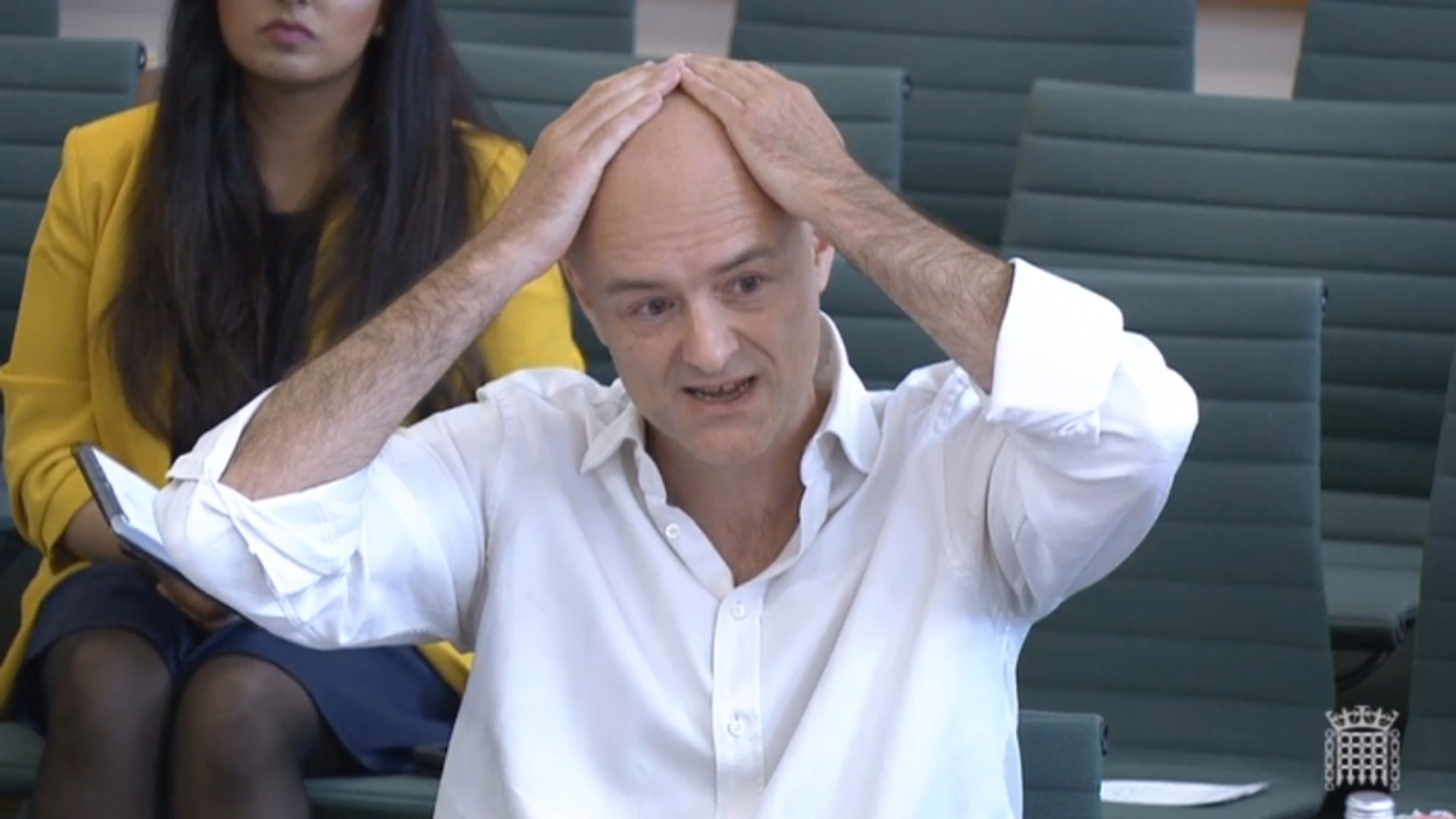
Meanwhile a right hatchet job was going on nearby, with admissions and apologies thrown in. I leave the words to Dominic Cummings: "Senior ministers, senior officials, senior advisers like me fell disastrously short of the standards that the public has a right to expect of its government in a crisis like this. When the public needed us most the government failed." "The Secretary of State for Health should have been fired for at least 15, 20 things including lying to everybody on multiple occasions in meeting after meeting in the Cabinet Room and publicly." "You could know from the last week in February that a whole bunch of things were wrong. It was clear in all the meetings, the PHE, everybody, that everything was going wrong, everything we pushed, everything we probed, everything was wrong, bad, terrible." "It's completely crackers that someone like me should have been in there just the same as it's crackers that Boris Johnson was in there." "Nobody could find a way around the problem of the Prime Minister just like a shopping trolley smashing from one side of the aisle to the other." "Did you hear him say 'let the bodies pile high in their thousands' or 'it's only killing 80-year-olds'?" "I heard that in the Prime Minister's study." The above snippets are taken from these Daily Telegraph video highlights: I have some sympathy with Boris's "rear-view mirror" comment. It may be a compelling spectacle - and "the story must be told" - but I'd prefer to look forward. |
||||||||||||||||||||||||||||
|
Wednesday 26th May |
||||||||||||||||||||||||||||
|
For the first time in this blog I've had to scrap what I initially prepared for posting. Yesterday I wrote a piece praising the rich availability of guidance on behaviour in the face of coronavirus. It was triggered by the response to the India variant's presence in the eight most affected areas contained in the GOV.UK "(COVID-19) Coronavirus restrictions: what you can and cannot do" document, updated on 21 May, and its sub-section "If you're in an area where the new COVID-19 variant is spreading".
"Guidance" is now a contentious word. When I saw the original sub-section text I commented "It's a kind of lockdown, isn't it? No sunny uplands of a summer liberation here." The guidance/lockdown distinction seems to have developed into a full-blown row. Under pressure the government revised the can-and-can't-do document yesterday, 25 May. Let's look at the recommendations (is that what they are?) and changes in the latest update for the eight selected councils (comments in italics):
The heart of the row is about clarity. Also lack of warning. Bedford MP Mohammad Yasin tweeted his frustration: "Bedford Borough have just issued a statement saying they have met with national officials who confirm that there are no restrictions on travel in or out of Bedford Borough. This will be a relief to many but when No 10 is saying they 'would not seek to encourage people to go to those areas; we will rely on people's judgement' it still leaves unanswered questions. "The Government are at pains to say this guidance, which astonishingly no one was actually guided to, won't be enforced by law, but that doesn't help anyone know for sure what they should be doing to prevent the new variant of concern spreading. Why put out advice, then tell people they don't have to follow it? Surely these restrictions are needed or they are not. "All through the pandemic, the public has tried to do the right thing to keep themselves, their friends, family and community safe and once again they are being let down by appalling mixed messaging from a Government who confuses everyone with double-speak when what is needed is clarity and leadership. "Over recent weeks, we've been told that we can and can't travel out of the country and now we are being told that we can but we shouldn't travel outside of our town. It's an absolute shambles. The Government needs to get a grip now and come up with a clear plan for the people of Bedford." Labour's shadow health secretary Jonathan Ashworth said the messaging had been "completely contradictory" at a time "when clarity is everything": "If you've got a holiday booked for half term next week, does the government want you to cancel it or not? If you've got a wedding organised, do you have to cancel your wedding now?" Boris can only reluctantly bear to countenance lockdown, to forsake his precious "road to freedom". A government spokesperson said ministers wanted to "make it clearer we are not imposing local restrictions. Instead, we are providing advice on the additional precautions people can take to protect themselves and others in those areas where the new variant is prevalent." Neither fish nor fowl, eh? The point about adequate notice is also valid. The eight-council advice is an unadvertised side-of-A4 section of a 21-page document on a website. How many would find it? Not everybody has access to online services nor the tech savviness to benefit. For the record, here are PDFs of the local recommendations My admiration for the comprehensiveness of government information is now rather diminished. It's a failure of substance over volume (is that the right way round?). No matter how much you publish it counts for nothing if the message is rubbish. There's still one bit I like. The final item in the larger document is about translations. It points to downloadable PDFs in these languages: Arabic, Bengali, Farsi, Gujarati, Hindi, Polish, Punjabi Gurmukhi, Punjabi Shahmukhi, Slovak, Somali, Urdu - and Welsh Here's the Welsh version "COVID-19 Cyfyngiadau Coronafeirws: beth allwch chi ac na allwch chi ei wneud". I can't believe this language is spoken just over the Severn bridges only 30 miles from us here in Stroud: 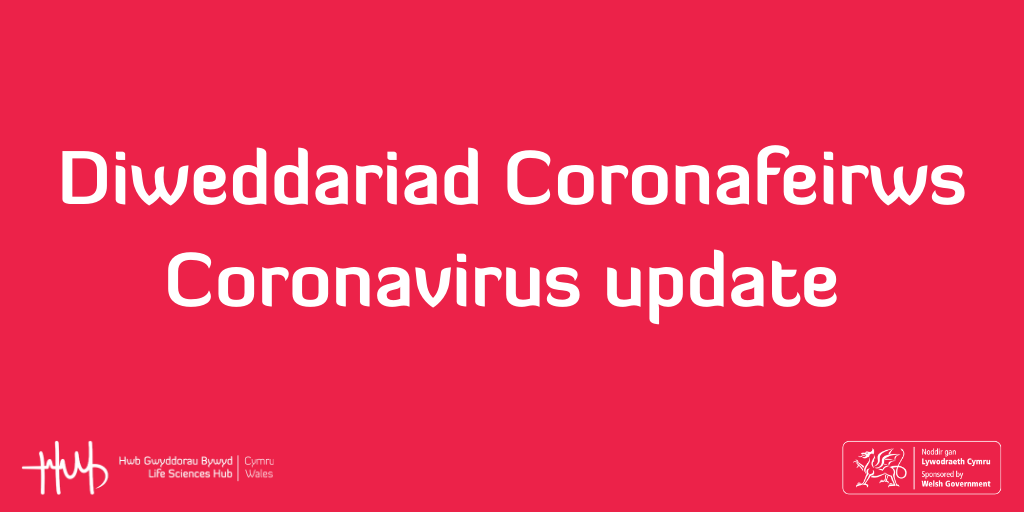
As an aside here's Marvin Rees promoting local retail in Bristol. It would be good to see as the pandemic recedes 🤞 |
||||||||||||||||||||||||||||
|
Tuesday 25th May |
||||||||||||||||||||||||||||
India. 26 million cases to-date. Over 300,000 deaths. 102,533 deaths in the last 26 days. Daily deaths below:

These numbers may be well short of the truth. Gujarati newspaper Sandesh has published daily tallies several times higher than those admitted by the state. On 11 April its reporters witnessed 69 body bags coming out of a single exit of a hospital in Ahmedabad over 17 hours; Gujarat recorded 20 deaths. On 16 April they visited 21 cremation grounds in the city and counted more than 200 bodies; Ahmedabad declared only 25 fatalities. On 5 May the paper saw 83 corpses in Vadodara; the official figure was 13. Some experts believe that last month Gujarat could have under-counted by a factor of 10. Modi is seeking to crank up vaccine production. 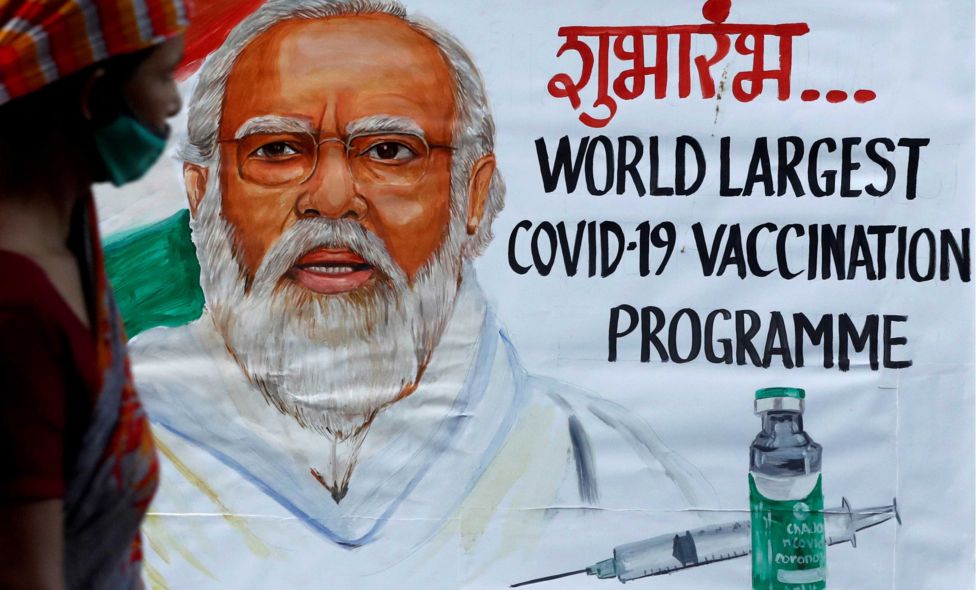
You'd think that with its technological prowess India would be steaming ahead with vaccinations. Not so. Its delivery has fallen back. 
There are supply issues, including the effect of raw material shortages triggered by Biden's invocation of the US Defense Production Act (DPA) earlier this year giving US vaccine makers priority access. Only three of the eight vaccines currently under production in India have so far been approved for use. Of the other five two are in the early stages of clinical trials, three in late stage trials. At the current pace it could take up to four years for the entire Indian population of 1.39 billion to get vaccinated. On a more positive note Sarah completed her fund-raising cancer research Marsden March yesterday afternoon. She and neighbour Hugh set off in fair weather and arrived in a downpour. 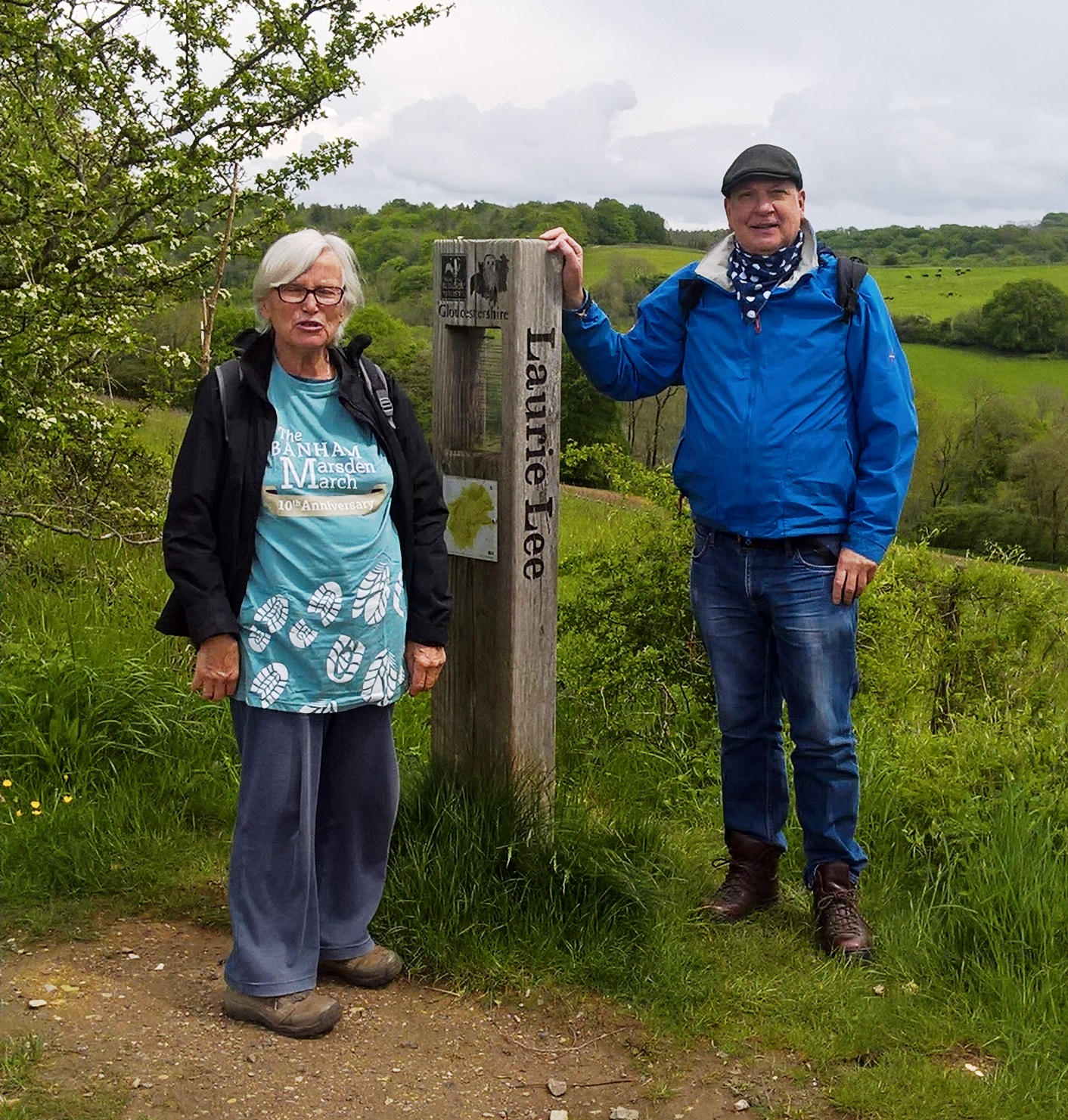
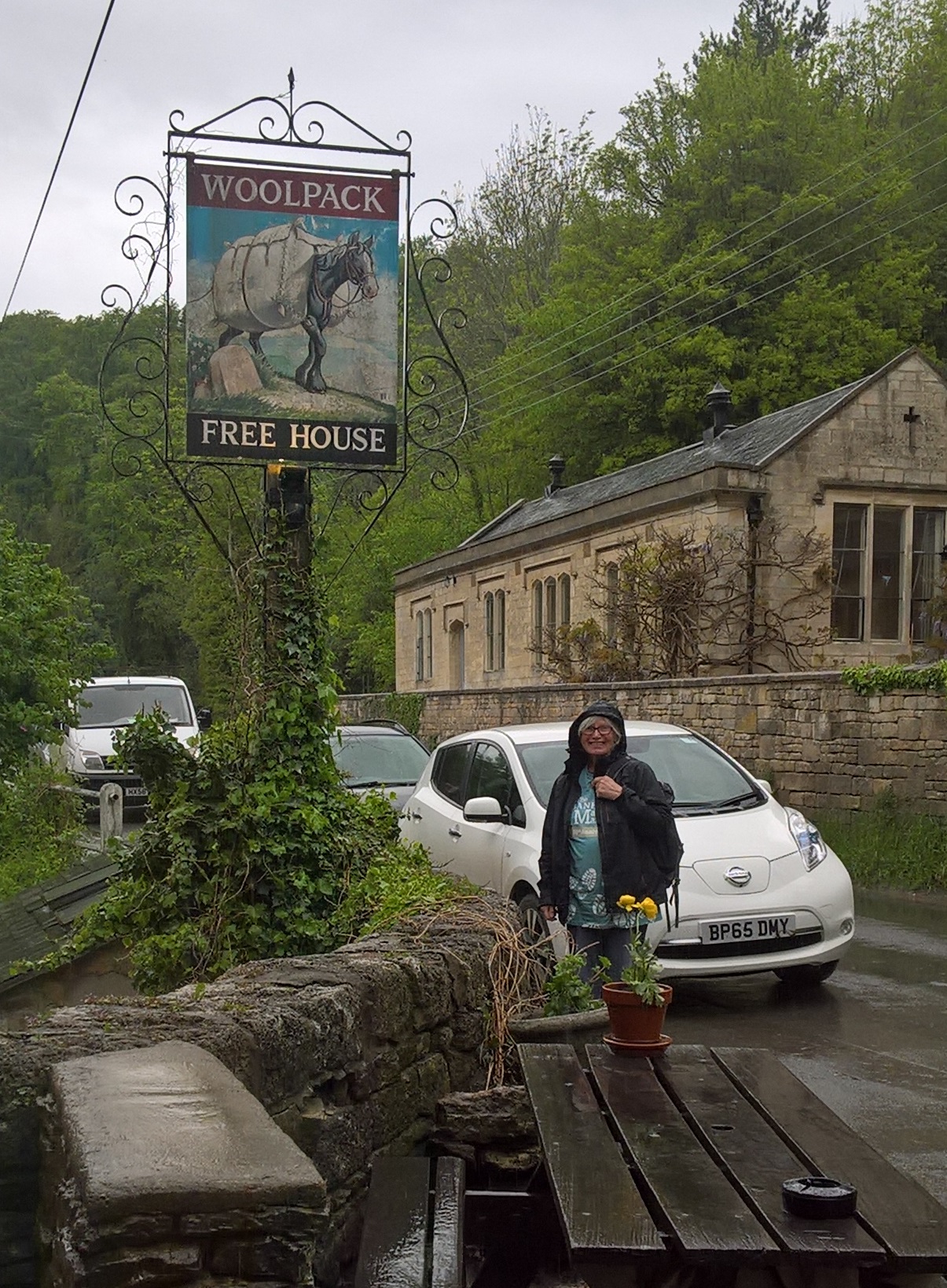
Many thanks to those who have contributed so generously. If you're a latecoming donor 😉 you can still go to Sarah's JustGiving page: 
|
||||||||||||||||||||||||||||
|
Monday 24th May |
||||||||||||||||||||||||||||
|
My partner Sarah is walking for cancer research this afternoon in memory of her sister-in-law who died of the disease several years ago. The walk usually takes place in south-west London but the pandemic has meant that the group event has been suspended. Participants are following a route of their own choice close to home maintaining Covid safety restrictions.
You're not too late to donate today and even after completion. Here's her JustGiving page: 
Her chosen itinerary covers 5 miles along the Laurie Lee Wildlife Way in Slad Valley from Bulls Cross to the Woolpack Inn. 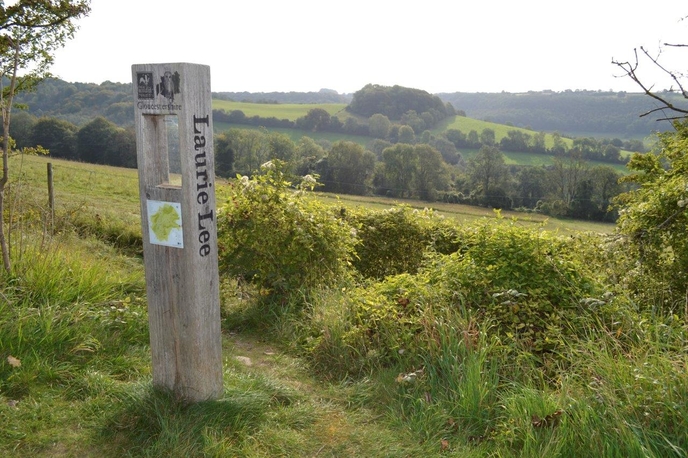
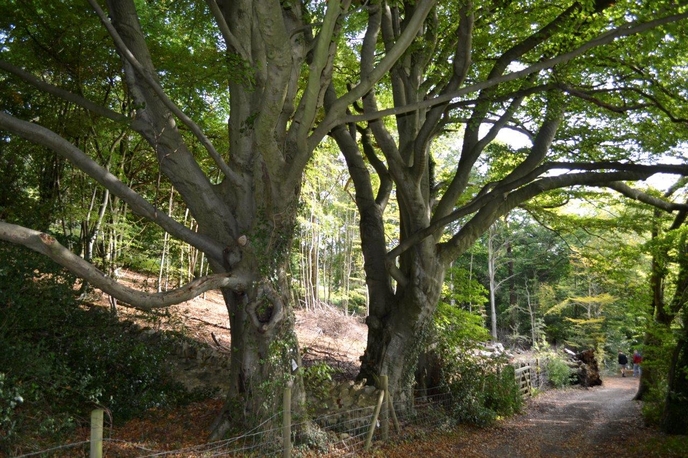
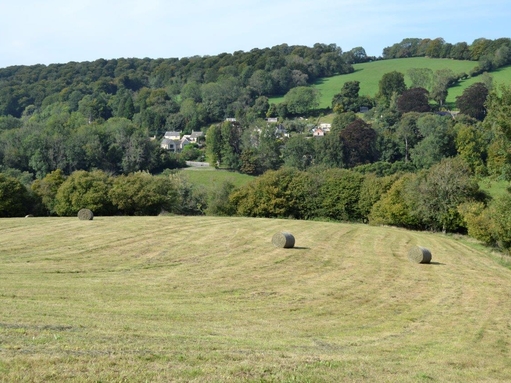
|
||||||||||||||||||||||||||||
|
Sunday 23rd May |
||||||||||||||||||||||||||||
|
Browsing last week's (there's one every Friday) bulletin from the Office of National Statistics (ONS) - "Coronavirus (COVID-19) Infection Survey UK 21 May 2021" - I reached this conclusion. Leaving behind the woeful incompetence of its early response to the pandemic and glossing over the recent débâcle of the international travel traffic-light system, the government has triumphed in its harnessing of bio-scientists, number-crunchers and data-visualisers. "Guided by the science" is not an empty claim. Not only the top-level interpretations but also the behind-the-scenes coal-face quality, depth and volume of research, data-gathering, analysis, technological expertise and elegance. It's available to all of us online, or even in print if preferred.
We've already seen the co-option and consulting of experts on the Scientific Advisory Group for Emergencies (SAGE). Several of its members have been quoted in these pages. Here's a list of attendees at SAGE and its sub-groups, 19 pages long: Today's post is not an analytical round-up of the ONS bulletin findings. It's a kind of meta-review looking at the documentation and results from the outside. That's as close as I get. I have neither the tenacity nor intellect to embrace the detail. The Bayesian multi-level regression poststratification (MRP) model remains out of reach. The bulletin names contributing organisations. The ONS in partnership with the Department for Health and Social Care (DHSC) is working with the University of Oxford, University of Manchester, Public Health England, Wellcome Trust, IQVIA (formerly Quintiles and IMS Health, Inc.) of Connecticut, the Lighthouse laboratories at Glasgow and the UK Biocentre in Milton Keynes. Three people are singled out for special acknowledgement - hold your breath: Sarah Walker - Professor of Medical Statistics and Epidemiology and Study Chief Investigator, University of Oxford, Nuffield Department for Medicine; Koen Pouwels - Senior Researcher in Biostatistics and Health Economics, University of Oxford, Health Economics Research Centre, Nuffield Department of Population Health; Thomas House - Reader in Mathematical Statistics, University of Manchester, Department of Mathematics. There you are. All of them stars ✨😇 The downloadable PDF is a portal to the nitty-gritty: The brief "main points" first section hints at what's to come:
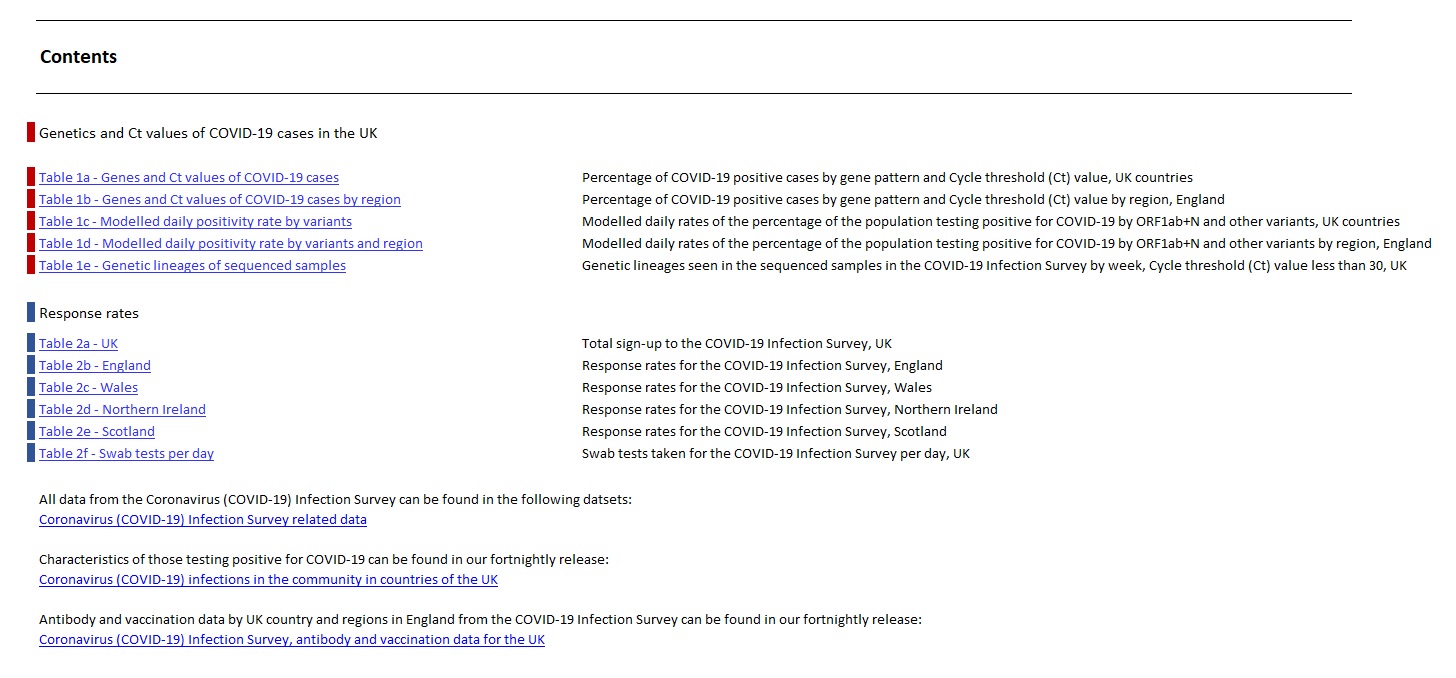
Dig down and you can find the data sets for the four nations of the Union (while it's still with us). This is just the summary page (Table 2b) of response rates in England (once again, you'll have to click to see it). 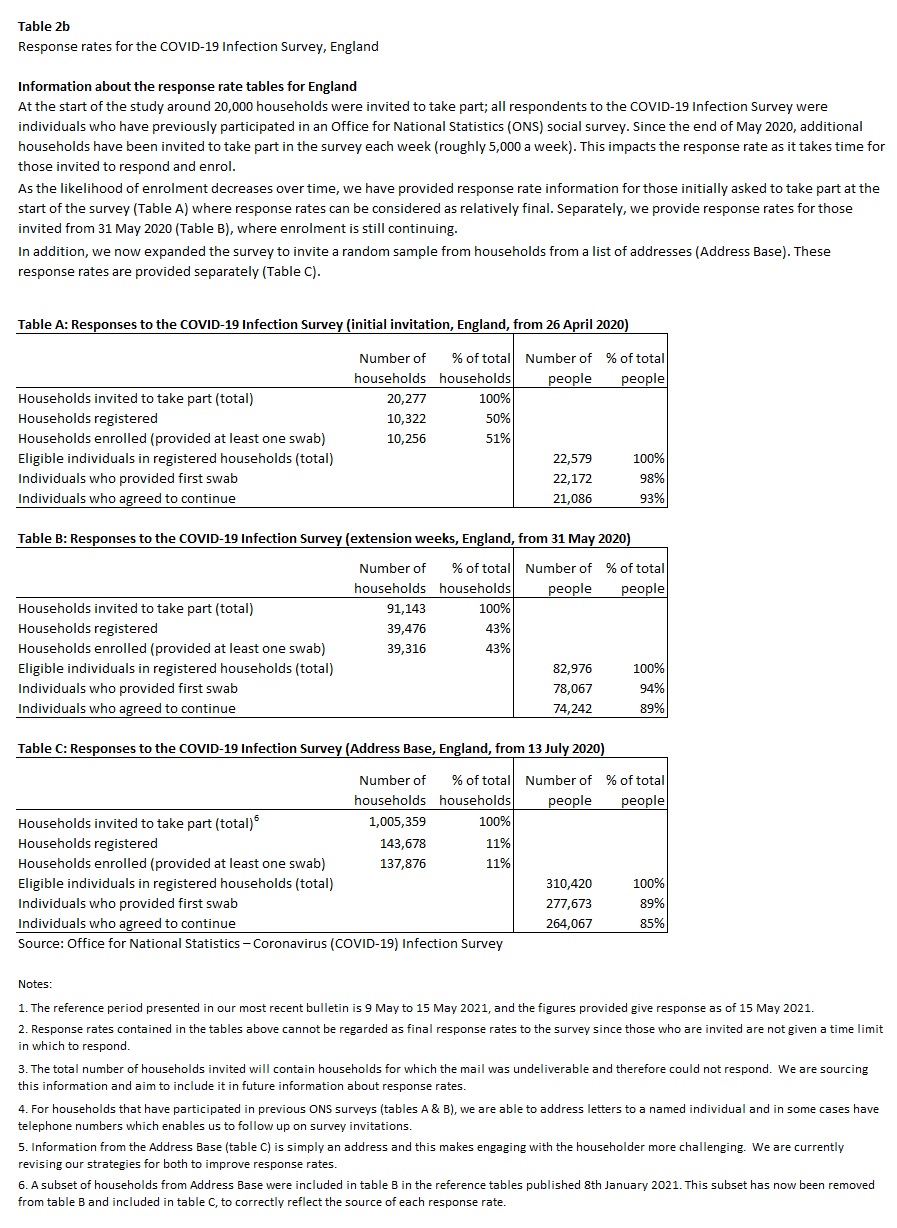
You've only just started. This is produced every week. Think of how the data is reported and gathered, captured in the sheet, presented, stored and disseminated. I think it's a modern marvel. It also translates to action. When you have this kind of information you can begin to make the right decisions. |
||||||||||||||||||||||||||||
|
Saturday 22nd May |
||||||||||||||||||||||||||||
Opinion about the royal family is divided, from fervent monarchistic devotion to disapproving republican scorn. I dedicated a surprising - to me - amount of space in this blog to the funeral of Prince Philip. However, I do feel that the critical outspokenness of William and the open admissions of emotional trauma from Harry mark a generational change not just for the family but for our culture as a whole.
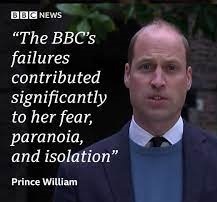
William didn't hold back in his statement about the BBC, claiming that the Panorama interview with Diana by Martin Bashir was a "major contribution to making my parents' relationship worse", has "since hurt countless others" and added "significantly to her fear, paranoia and isolation". "Our mother lost her life because of this, and nothing has changed. It is my firm view that this Panorama programme holds no legitimacy and should never be aired again. It effectively established a false narrative which for over a quarter of a century has been commercialised by the BBC and others. What saddens me most is that if the BBC had properly investigated the complaints and concerns first raised in 1995 my mother would have known that she had been deceived. She was failed not just by a rogue reporter but by leaders at the BBC who looked the other way rather than asking the tough questions." 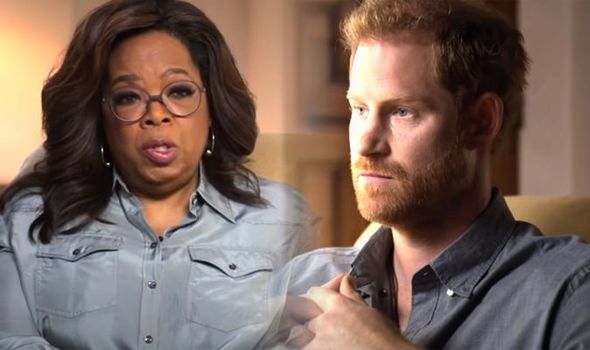
Harry divulged deep personal struggles to Oprah Winfrey (she's a neighbour now) during Apple TV's The Me You Can't See, including treatment by Charles and reliance on alcohol and drugs. "My father used to say to me when I was younger, he used to say to both William and I, 'Well it was like that for me so it's going to be like that for you.' "I was just all over the place mentally. Every time I put a suit on and tie on, having to do the role and go, 'right, game face,' look in the mirror and say, 'let's go'. Before I even left the house I was pouring with sweat. I was in fight or flight mode. I was willing to drink (a week's worth of alcohol on a Friday or Saturday night), I was willing to take drugs, I was willing to try and do the things that made me feel less like I was feeling. "I've got a hell of a lot of my mum in me. The only way to free yourself and break out is to tell the truth. Certainly now I will never be bullied into silence." It's not Royal British stiff upper lip, is it? The family has always been buttoned-up about personal matters. They infamously failed to respond at first to Diana's death. The Duke of Windsor, formerly King Edward VIII, didn't open up about his abdication and marriage to Wallis Simpson. Queen Elizabeth conducted herself with quiet discretion after Philip's death. You can't imagine Charles revealing inner turmoil like this, still less his mother. Clearly wealth, status, comfort and privilege don't buy happiness. Do we want to hear the princes' outpourings? Maybe not. The old school would argue that a life of duty demands silence. But this generation speaks out, and not just the royals. Victims of abuse, rape, police brutality, workplace-bullying - the whistle-blower is more likely to disclose evidence today. William's and Harry's support of mental health and other neglected worthy causes has influence. |
||||||||||||||||||||||||||||
|
Friday 21st May |
||||||||||||||||||||||||||||
|
First ...
Happy birthday to my sister Vicky! 💖🌼🍾🎂🐎🐕🐱🥂 Moving on ... "Plus ça change, plus c'est la même chose": Jean-Baptiste Alphonse Karr, French novelist, "Les Guêpes" (The Wasps) journal, January 1849. "What goes around comes around": Waylon Jennings, country singer, RCA Victor, 1979. Goodbye franchises, hello "concessions" 😉 The UK's railway system was built by private companies. Look at what the Great Western Railway had achieved by around 1930 (click to enlarge): 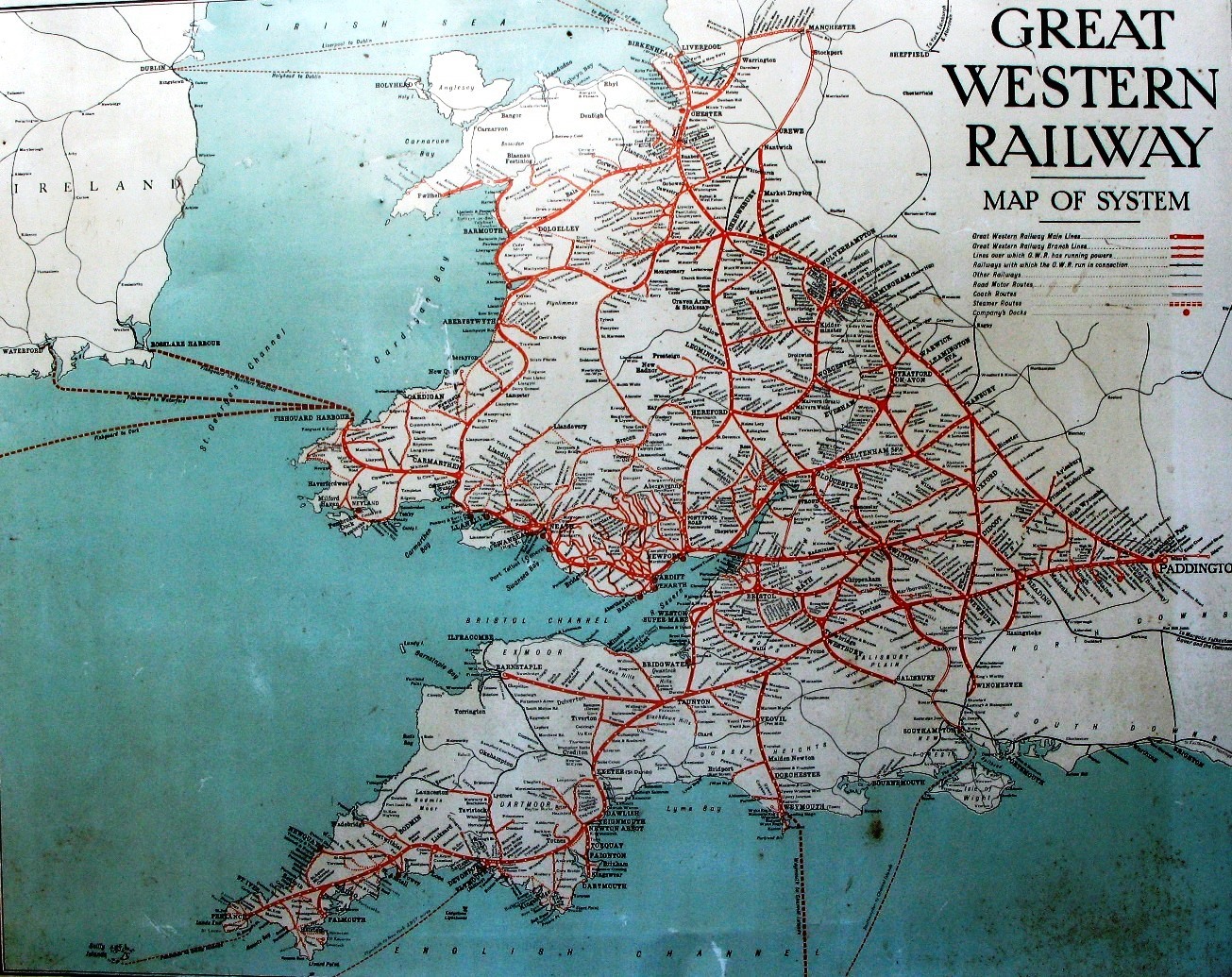
In 1948 British Rail was founded, absorbing the "Big Four": Great Western Railway (GWR), London Midland & Scottish Railway (LMS), London & North Eastern Railway (LNER) and Southern Railway (SR) - and 55 others. Margaret Thatcher sold off various functions between 1984 and 1989: Sealink Ferries, British Transport Hotels, Travellers Fare and British Rail Engineering Limited. The Railways Act 1993 was introduced by John Major's government and passed on 5 November 1993. Passenger rail services were franchised to private companies including Virgin Rail Group, Connex (later Veolia) and the coach companies Stagecoach and National Express. The national track and signalling company Railtrack was floated on the London Stock Exchange in 1996. Now we're heading back to Great British Railways, guided by The Williams-Shapps Plan for Rail. The government insists that the changes do not amount to "re-nationalisation". The foreword acknowledges past failures and the impact of Covid: The chaotic timetable changes three years ago showed all too clearly that the old ways were not working. Then in March 2020 this Review, conceived after those problems and the failure of the East Coast franchise, found itself dealing with something far bigger: the almost total collapse of passenger demand initially, and a profound challenge to the sector's operating model as a consequence of the COVID-19 pandemic. Before the pandemic commuters made up 47% of all rail passengers, a further 10% were travelling for business meetings and 5% were shopping. In other words, around two thirds of passengers were using the railways for purposes that now face potentially permanent change. Much of the old demand will return. Millions of us, imprisoned in front of flickering screens, yearn for human contact. Employers and businesses know that creativity, collaboration, and deal-making are best done in person. Rail freight was heavily impacted at first but has recovered rapidly, demonstrating its agility. But commuting and business travel may never be quite the same again. It's the old debate between public control and private vigour. First the centralisation: We now propose the biggest change to the railways in 25 years, ending the fragmentation of the past and bringing the network under single national leadership. A new public body, Great British Railways, will own the infrastructure, receive the fare revenue, run and plan the network and set most fares and timetables. Network Rail, the current infrastructure owner, will be absorbed into this new organisation, as will many functions from the Rail Delivery Group and Department for Transport. Then the market-led initiatives: Private sector innovation has helped deliver the spectacular growth the railways have seen in the last quarter-century; it is essential that we keep the best of this and encourage more, particularly in IT, data and modern payments. In most cases Great British Railways will contract with private companies to operate trains to the timetable and fares it specifies, in a way similar to that used by Transport for London (TfL) on its successful Overground and bus networks. Operators will compete for the contracts, and we expect competition to be far greater than for the old franchises, with simpler procurement, lower costs and no one-size-fits-all approach. If you're up for reading 112 pages, here's the full document: The plan is clearly not sufficient for Ellie Harrison, artist, activist and founder of Bring Back British Rail: Standardisation versus individualism has always been a see-saw contest in our railway history. So I think it's appropriate to finish off today with the Gauge Wars. The Gauge Wars were waged between expanding railway companies in Great Britain in the nineteenth century. The contest for which track gauge should become the standard was critical to controlling new territory. The Great Western Railway adopted the broad gauge of 7 ft (2,134 mm) at the outset, while competing railway companies implemented the gauge of 4 ft 8½ in (1,435 mm) which later became standard guage. Where gauges met there was the wasteful cost of "transloading" between them. An alternative was a mixed gauge line, which gained limited mainstream traction 😉 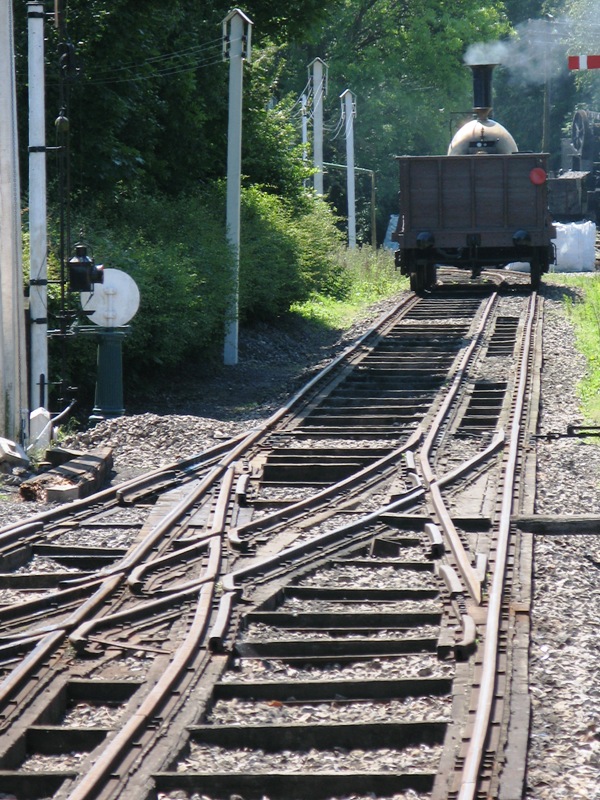
A Royal Commission was set up to study the issue and report its recommendations. The report informed the Regulating the Gauge of Railways Act 1846 which mandated standard gauge for all new railway construction except in the southwest of England and certain lines in Wales. Building new broad gauge lines was still legal if an Act of Parliament permitted an exception for a new line. The broad gauge thus continued in common use in the West of England for several more decades. |
||||||||||||||||||||||||||||
|
Thursday 20th May |
||||||||||||||||||||||||||||
Is Ivermectin the answer to India's Covid woes? Discovered in Japan in the late-1970s it's already labelled a "wonder drug". Originally introduced as a veterinary solution it kills a wide range of internal and external parasites in commercial livestock. It became essential for campaigns to eliminate two disfiguring and devastating human tropical diseases: Onchocerciasis (River Blindness) and Lymphatic Filariasis (Elephantiasis). It has now been permitted as a treatment for Covid-19 patients in several worst-hit regions, including India and Latin America.
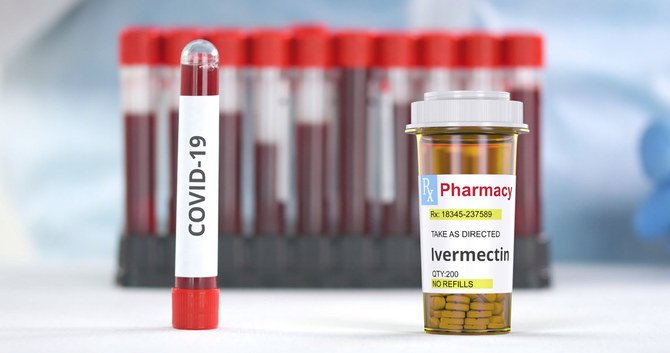
On May 18th the Californian Desert Review weekly publication reported: Just three weeks after adding Ivermectin, Delhi now leads India out of the deadly second surge of the COVID pandemic. Cases that had peaked at 28,395 on April 20 plummeted nearly 80% to just 6,430 on May 15. Deaths peaked May 4, and now they are also down 25%. On May 10, the Indian State of Goa adopted an even more ambitious policy of pre-emptive Ivermectin for all adults in the state. As a direct result, Goa has seen a drop in cases from 3,124 the day after the announcement to 1,314 five days later. Meanwhile, three other Indian states have followed Goa's lead in adding Ivermectin: Uttarakhand, Karnataka, and Uttar Pradesh. And, as expected, they have seen a drop in new daily cases as well, with Uttar Pradesh down nearly 75% from a peak of 37,944 to just 10,505 on May 16 only four days after they began following the All India Institute of Medical Science (AIIMS) guidance of April 20. An impressive and welcome reduction in cases. The steepness of the downward curve seems almost impossible in such a short time. How is it done? The challenges of sourcing and distribution must be great. Look at results in Delhi, chart courtesy of Johns Hopkins University's Center for Systems Science and Engineering (JHU CSSE). 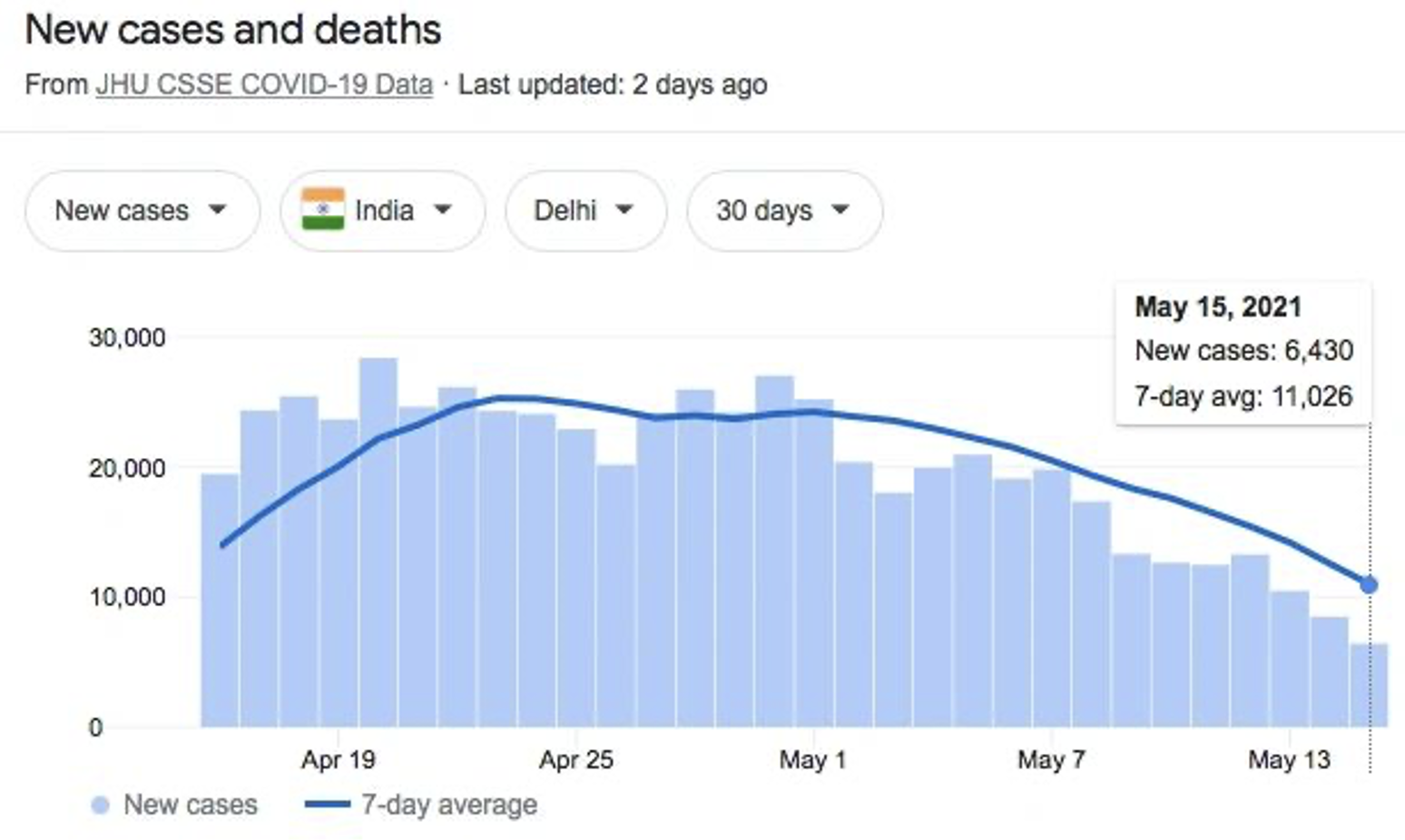
There have been critics, including two major regulators. The USA Food & Drug Administration (FDA) ruled: FDA has not approved Ivermectin for use in treating or preventing COVID-19 in humans. Ivermectin tablets are approved at very specific doses for some parasitic worms, and there are topical (on the skin) formulations for head lice and skin conditions like rosacea. Ivermectin is not an anti-viral (a drug for treating viruses). Never use medications intended for animals on yourself. Ivermectin preparations for animals are very different from those approved for humans. The European Medicines Agency (EMA) declared: EMA has reviewed the latest evidence on the use of ivermectin for the prevention and treatment of COVID-19 and concluded that the available data do not support its use for COVID-19 outside well-designed clinical trials. In the EU, ivermectin tablets are approved for treating some parasitic worm infestations while ivermectin skin preparations are approved for treating skin conditions such as rosacea. Ivermectin is also authorised for veterinary use for a wide range of animal species for internal and external parasites. Ivermectin medicines are not authorised for use in COVID-19 in the EU, and EMA has not received any application for such use. The UK Medicines and Healthcare Regulatory Authority (MHRA) has not approved Ivermectin for treating Covid in humans. |
||||||||||||||||||||||||||||
|
Wednesday 19th May |
||||||||||||||||||||||||||||
|
Friends are off to France and Greece in June, rules permitting. I'm not quite ready for travel. Perhaps a Cornish or Pembrokeshire cove in summer if staycation enthusiasm hasn't clogged them up. Sarah may nip over to Vienna to see son Nikko and toddler Ellie. We might meet up with son Ben in Palermo in the autumn. Meanwhile, I thought I'd look at Covid travel requirements to my friends' destinations.
Here's a summary of French entry (and exit) requirements extracted from GOV.UK: Complete an entry form swearing absence of symptoms and no contact with confirmed cases in preceding fortnight; present a negative PCR COVID-19 test result carried out less than 72 hours before departure (privately sourced, not from the NHS); self-isolate for 7 days on arrival before taking another PCR test (which obviously must be negative); for UK nationals returning home, a negative COVID-19 test result taken up to 3 days before departure. You can get a Covid-19 two-dose vaccination proof letter from the NHS: 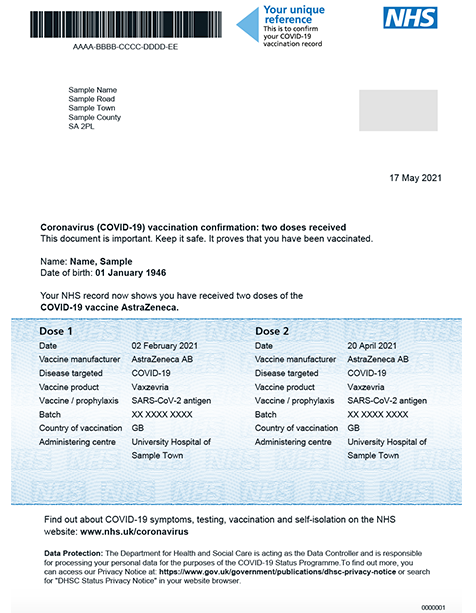
The Greek requirements are broadly similar with some variations: Evidence of a negative result from a PCR test for COVID-19 that has been conducted within the 72 hour period before your arrival time in Greece; proof of two COVID-19 vaccinations completed at least 14 days before travel which exempts you from self-isolation; passengers travelling by air are required to undergo a rapid COVID-19 test on arrival; if testing positive you will have to self-isolate for at least 14 days - you are required to arrange and undergo a fresh PCR test in order to be able to exit self-isolation; complete a Passenger Locator Form (PLF). I spoof-signed-up for the online PLF: The sign-up confirmation email finishes with the philosophical statement "The Greek summer is a state of mind"; it contains a link directing you to this video: So, there are definitely hoops through which to jump. Green MP Caroline Lucas has posted a tweet critical of the government's overall handling of international travel, particularly incoming traffic: The ruling on travel to "amber" countries is confused. A Number 10 spokesperson said: "Amber countries are effectively the default that countries are put in. We don't want the public to travel to amber list countries. There are a small number of reasons why people can travel there. We don't want people to go on holiday to amber list countries. The rules are set out very clearly." I don't think so. Can I be bothered with all this malarkey? |
||||||||||||||||||||||||||||
|
Tuesday 18th May |
||||||||||||||||||||||||||||
|
I've shied away from news of Gaza thus far; it's time to look now.
Pandemic aside the zone has been the focus of one of the world's most tragic persistent crises. The region has arguably endured strife for 2,300 years, ever since the early city of Gaza was captured by Alexander the Great in 332 BC. It has been subjugated by numerous controlling forces, the most significant of which are: Macedonian Empire; Ptolemaic dynasty; Roman Empire; Byzantine and Persian Empires; Knights Templar; Mongols; Ottoman Empire; British Mandate of Palestine; Egypt; Israel. Following the 2006 Palestinian legislative election it's been Hamas. Here's a map, courtesy of the United Nations Office for the Coordination of Humanitarian Affairs (OCHA): 
The Strip is flanked by Egypt on the southwest for 11 km (6.8 mi) and Israel on the east and north along a 51 km (32 mi) border, an area of 365 km2 (141 sq mi). Or slightly less than Rutland. Population of just over 2m with a density of 5,000/km2 (13,000/sq mi). Rutland's population is 40,000 with a density of 104/km2 (270/sq mi). OK, not a like-for-like comparison, but that means Rutland's population and density thereof is roughly 2% that of Gaza. The fertility rate is 34th of 224 world regions as defined by the CIA World Factbook. This has led to an unusually high proportion of children with 43.5% of the population being 14 or younger; in 2014 the median age was 18 compared to a world average of 28 and 30 in Israel. You can see from the map above how much of the land is built-up; 74% of the population live in urban areas. Here are some further statistics from the Gaza Urban Profile report published by UN-Habitat in December 2014: Reports by the United Nations Development Programme (UNDP) and OCHA have indicated: 70-80% of Gazans live below the poverty line; 30% of new-borns are living with anaemia; 72% of Gazans are food insecure; 45% of agricultural land is out of production; by the second half of 2014 unemployment affected 45% of Gazans. Here's the full profile report, which despite a distance of seven years is an extraordinarily detailed and informative document You'd have to say that the place is a magnet for misery. Living there is a daily often terrifying ordeal. Hope must be in short supply. I'm not going to reiterate general Gaza news as it's so widely reported. 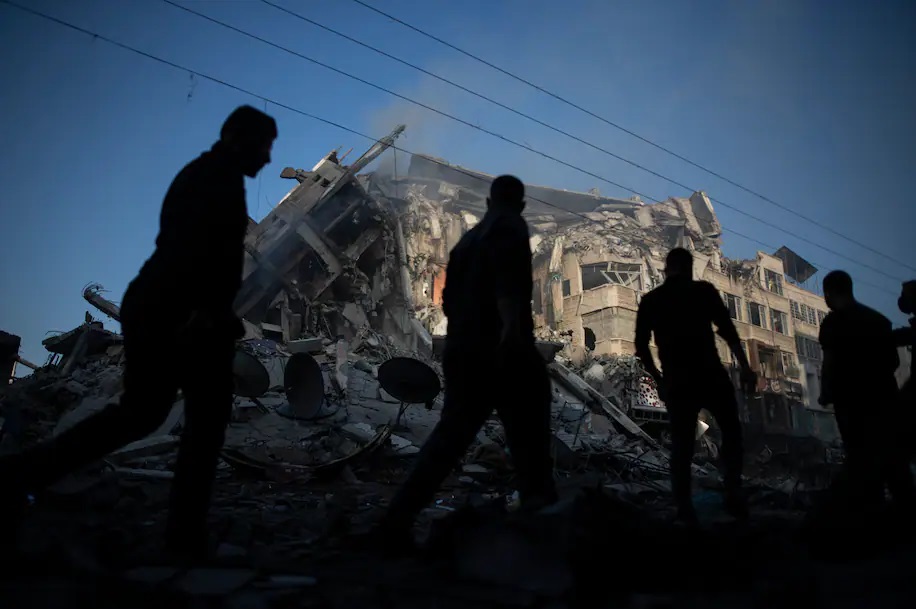
Instead, imagine how difficult it is to withstand Covid in the current circumstances. Here are extracts from a Washington Post article of 13th May: "Even before the pandemic, Gaza faced serious systemic issues impacting the quality of health care available for its population, and Covid-19 put the already fragile health-care system on edge," said Suhair Zakkout, a spokeswoman for the International Committee of the Red Cross (ICRC) in Gaza. If the conflict intensifies, Gaza's health-care system "will not be able to cope. More wounded and more Covid-19 patients will likely bring it to, or close to, a total collapse." Gaza has reported more than 103,000 coronavirus infections and at least 930 deaths since the pandemic began last year, according to the World Health Organization. Last week, just before tensions flared, nearly half of Gaza's intensive care beds were occupied by Covid-19 patients. The United Nations says that just 39,000 inhabitants [Ed: 1.9% of population] have received at least one coronavirus vaccine dose out of the roughly 100,000 doses that have reached the territory. "The vaccine rollout has stopped", Zakkout said. A vaccine shipment for Gaza from the U.N.-backed Covax initiative was paused Thursday over safety concerns. "At the moment, no goods or people can enter Gaza because the border crossings are closed. This means no medical supplies, including vaccines, can enter," said Sasha Muench, director for the Palestinian territories for the U.S.-based humanitarian group Mercy Corps. "In addition, no fuel to run the generators can enter and Gaza authorities are warning of increased blackouts, including at hospitals, and no electricity in Gaza at all within a few days." Another concern is that new virus clusters will emerge as families displaced by the bombings seek refuge with relatives or neighbors. In Gaza, most families live in large, multigenerational households, often crammed into single buildings. "Because of this, social distancing and covid-19 prevention measures were undermined," said Alaa Alkhatib, MedGlobal's program manager in Gaza. "There is tremendous overcrowding in hospitals." |
||||||||||||||||||||||||||||
|
Monday 17th May |
||||||||||||||||||||||||||||
Roadmap Step 3 comes in with a range of headlines:  , Daily Mirror, Sun and Daily Star. Boris urges a "heavy dose of caution". , Daily Mirror, Sun and Daily Star. Boris urges a "heavy dose of caution".
Residents of Bolton queue for vaccination in the face of B.1.617. Look at the age profile. 99.9% sticking to mask guidance. |
||||||||||||||||||||||||||||
|
Sunday 16th May |
||||||||||||||||||||||||||||
|
Happy birthday to grandson Marlie
⑦ today 💖🎂🎈🐕👍🏽🚴🛹🛴 
A local hint of return to normal. We've been down to the Crown & Sceptre garden three times in the last month. I'm delighted to see the pub has survived the pandemic, which must have been in the balance (see this blog 20th January). They did what many others did and diversified, opening a corner shop (16th & 17th April 2020) providing take-out beer, staples, great ready-cooked meals and Sunday roasts. It's all very well-organised now with one-way systems, socially-distanced seating, friendly and efficient table service, track-and-trace recording. A third of the garden houses a large marquee in case it's raining. I was there earlier this week with my friend Raj, whom I can't have seen for 18 months. We had a typically off-the-wall little Stroud encounter. Raj enjoys snooker and we were discussing the recent championship. For some reason I mentioned the name of a competing player. A man got up from a neighbouring table (my voice does carry), came over and started a conversation: "Excuse me, but did I hear you say the name Stuart Bingham?" "Yes", I replied. "That's amazing," he said, "he's a friend of mine. I'm a professional snooker player." His name is Dominic Dale. According to his Wikipedia entry, he's ranked 61 in the world. He lived in Vienna, where our son Nikko is, for four years. His interests include snooker memorabilia, Art Deco and opera. After his Shanghai Masters semi-final win in 2007 he celebrated by singing "My Way" at the post-match conference. He gained a reputation as one of the more flamboyant players on the circuit. Check out his dress sense below: 
Raj invited a member of staff to take this photo of him with Dominic: 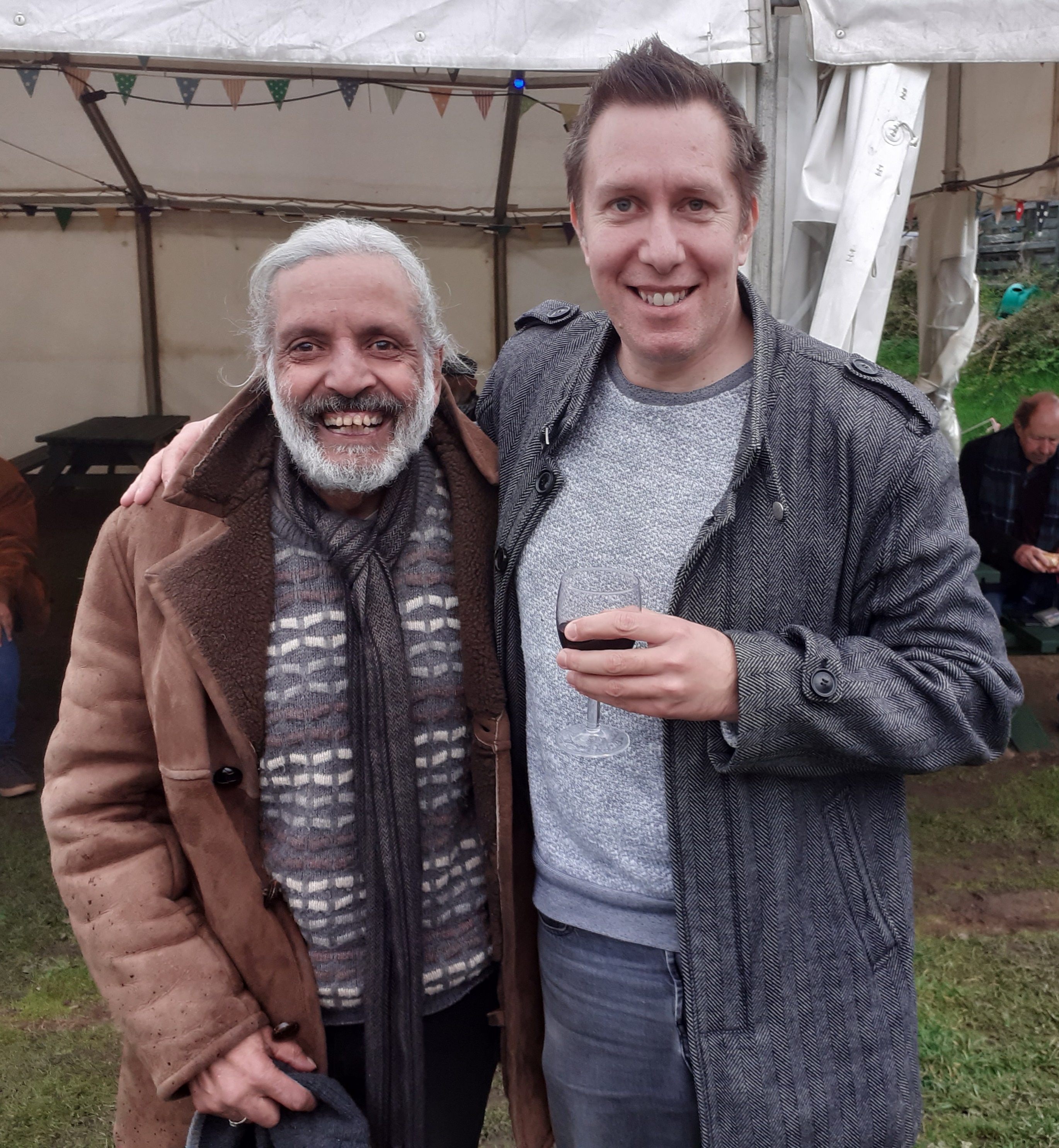
|
||||||||||||||||||||||||||||
|
Saturday 15th May |
||||||||||||||||||||||||||||
|
A setback on the "road to freedom" ascribed to the variant, officially known as B.1.617, first detected in India last October. Surge testing is already taking place in 15 areas across England, including Bolton, Blackburn, London, Sefton and Nottingham. Boris warned yesterday: "I have to level with you that this new variant could pose a serious disruption to our progress and could make it more difficult to move to step four in June." Monday's Step 3 will go ahead. Boris again: "But I urge everyone to exercise the greatest caution because the choices we each make in the coming days will have a material effect on the road ahead."
Two slides from yesterday's briefing (click to enlarge): The relatively flat trajectory in April and May of cases per 100,000 in the Bolton over-60s would indicate ongoing vaccine and behaviour success. The risk appears to be in the under-60 age group, where cases are now at the same level as the beginning of March. Scientists do not yet know whether this variant is more infectious or resistant but believe existing vaccines will help to control it when it comes to preventing severe disease. Dr Jeremy Kamil, a virologist at Louisiana State University, said: "For most people, these vaccines can mean the difference between little to no disease and ending up in the hospital with a risk of dying. Please take the first vaccine you are offered. Do not make the mistake of hesitating and waiting for an ideal vaccine." I had my second Pfizer dose this morning: 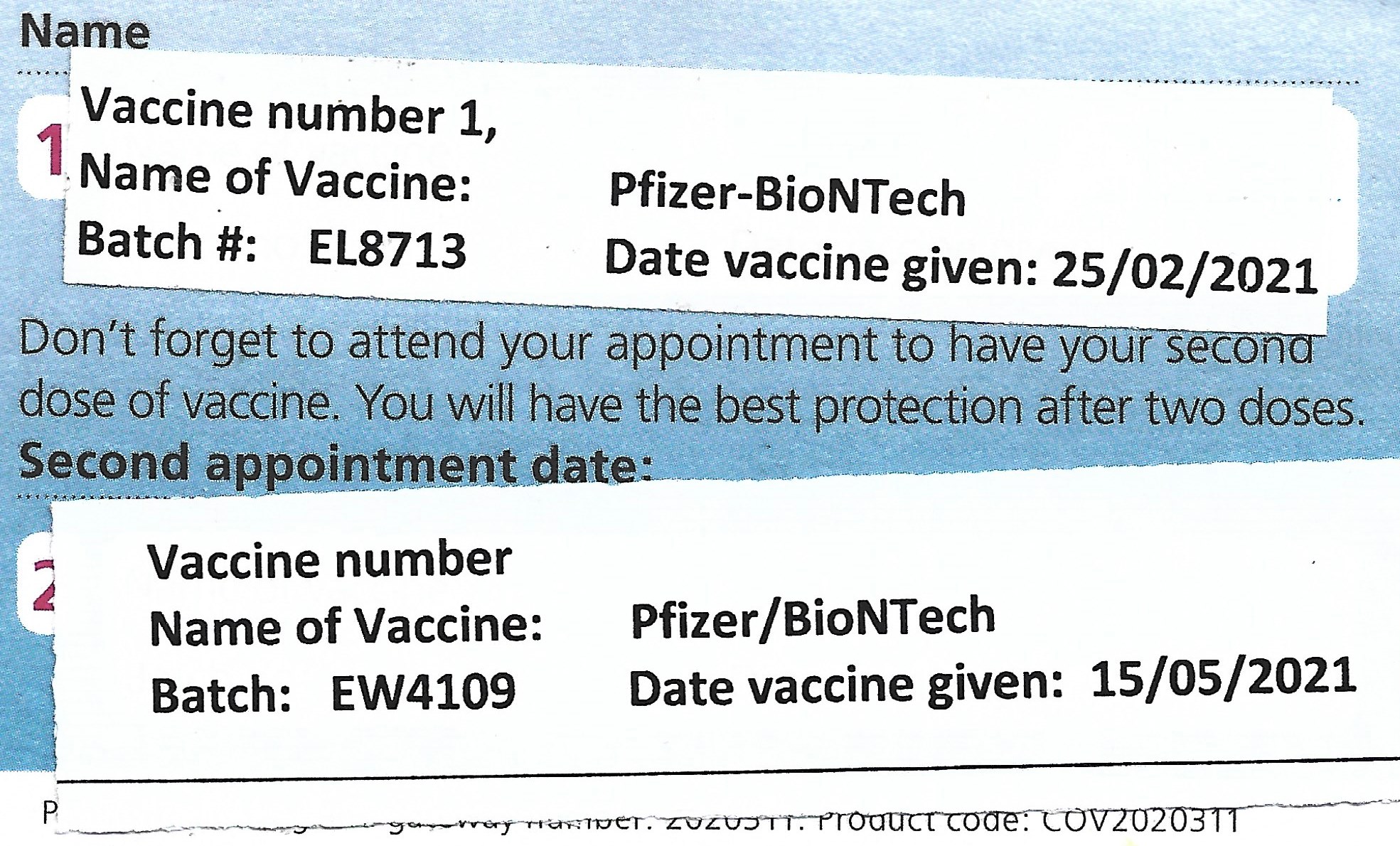
Uncle Marvin had a jab in Bristol too: |
||||||||||||||||||||||||||||
|
Friday 14th May |
||||||||||||||||||||||||||||
|
Lovely picture tweeted by Uncle Marvin yesterday😁:
Good vaccine news. According to NHS England an estimated 82.1% of people classified as clinically extremely vulnerable had received both doses of coronavirus vaccine by 9th May. Not quite such good news. Covid-19 case rates have increased slightly across most regions of England according to the latest weekly surveillance report from Public Health England. In the North West the rate was 32.6 cases per 100,000 people in the week to 9 May, up from 25.5 the previous week. 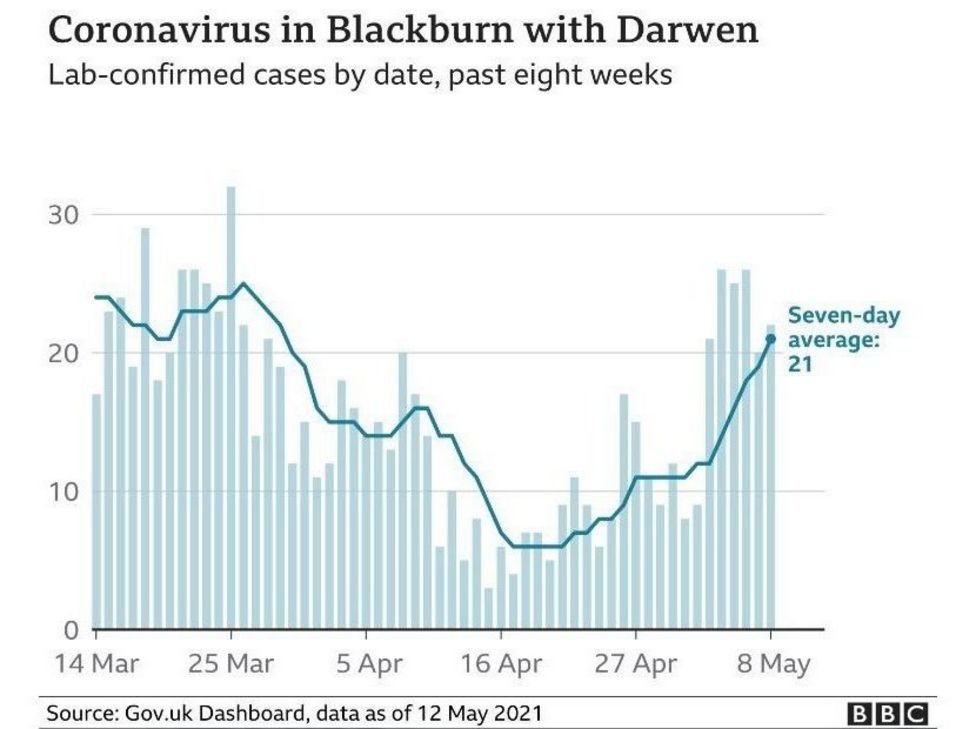
I presume this is the effect of restriction easing and/or the spiking "Indian variant" (officially called B.1.617.2). Will we see delays to "road to freedom" Step 4, due on 21st June? The Welsh government has already advised travel abroad for "essential" reasons only for at least three more weeks. Boris is worried: "It is a variant of concern, we are anxious about it." However, Professor Robert Dingwall, School of Social Sciences at Nottingham Trent University and member of the government's New and Emerging Respiratory Virus Threats Advisory Group (blimey 😉) plays down the threat: "This variant seems to be better managed by the vaccines than the South African variant so that vaccinated people have only a very low risk of infection that is likely to be mild." As ever, contrast the UK situation with that of India. The total number of vaccination doses administered in the latter is 176m (Our World in Data). This is counting single doses and does not equal the total number of people vaccinated. So, those doses given to a population of 1.39bn, that's 1.26%. In terms of fully vaccinated people, the percentage is clearly much lower. On 9th May the proportion of fully vaccinated in the UK was 26.1% of the total population, approximately 34% of adults over 18. 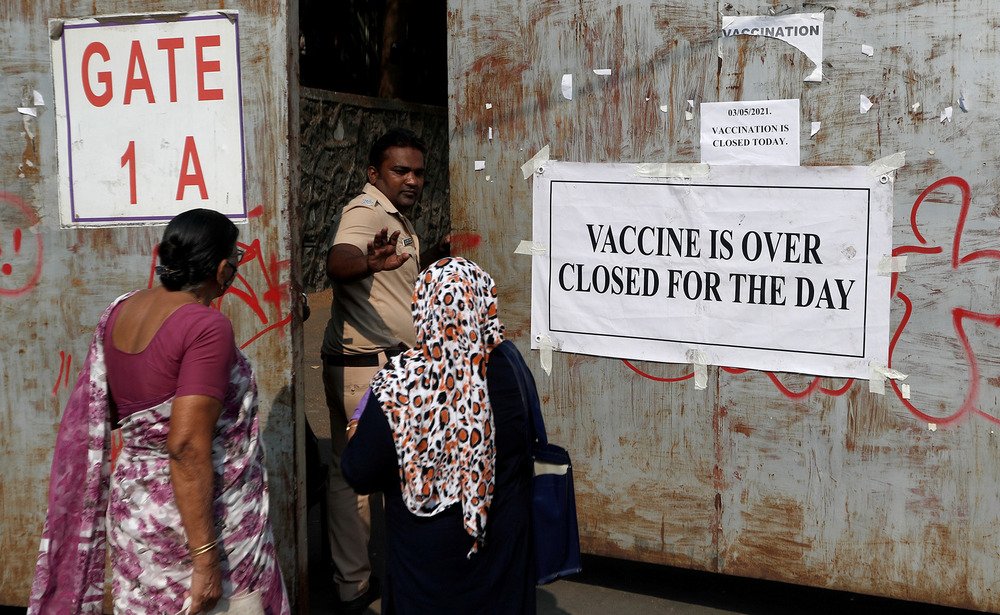
|
||||||||||||||||||||||||||||
|
Thursday 13th May |
||||||||||||||||||||||||||||
This is a major shift: that vaccines rather than social distancing and restrictions will keep the virus at bay. The BBC published two encouraging Public Health England charts yesterday (click to enlarge):
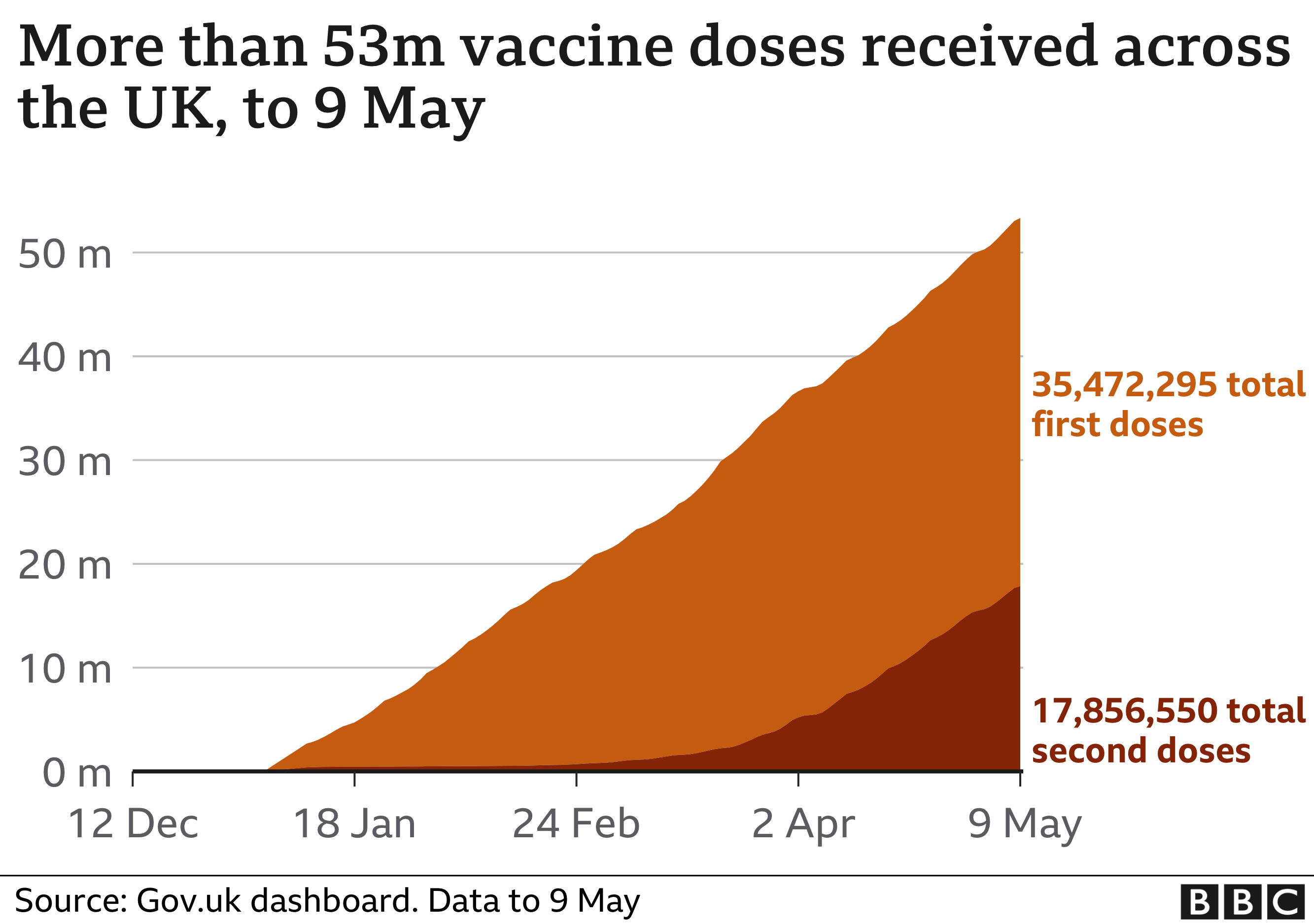
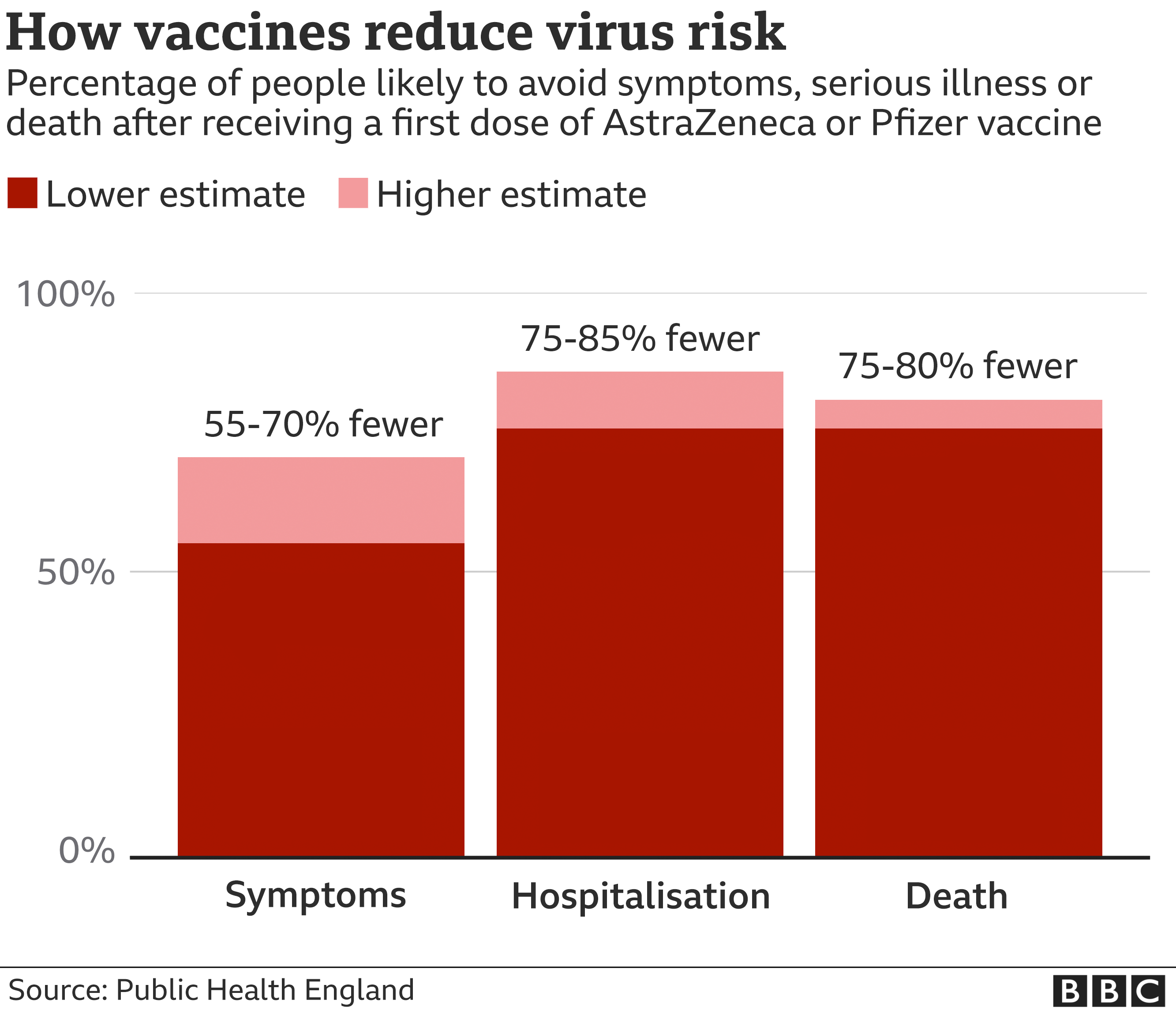
Contrarily, I've had a touch of that "is the pandemic really over?" anxiety (see my post quoting the Mental Health Foundation on the topic last Tuesday). Do I need to hurry up holiday plans? Am I ready to travel again? Will I have made the most of the extra time that lockdowns have given me? I need to buy some new clothes after slobbing around in T-shirts and tracksuit bottoms for so long. Must I go out? Stop it, Charlie. It's ridiculous, ungrateful, indulgent. I only have to ask anyone in India. How on earth does the mind go negative in the face of a positive? Less of that, please 😊 |
||||||||||||||||||||||||||||
|
Wednesday 12th May |
||||||||||||||||||||||||||||
|
The Queen's speech yesterday laid out plans for almost everything. The story was "Build Back Better". It started with:
"My Government's priority is to deliver a national recovery from the pandemic that makes the United Kingdom stronger, healthier and more prosperous than before." Cast your eyes over the key buzz words and phrases extracted from the transcript, a sort of stream-of-consciousness synopsis: "Level up", health and NHS, life sciences and R&D investment, job creation, infrastructure, lifetime skills guarantee, high quality education, focus on early years, recover lost learning, modernise planning system, building safety regulation, encourage home ownership, rental rights, address racial and ethnic disparities, ban conversion therapy, invest in green industries, protect the environment, host COP26 Summit, animal welfare, strengthen democracy, renew constitution, ensure integrity of elections, protect freedom of speech, increase safety and security, address violence, support victims, ensure justice, fairer immigration, strengthen borders, internet safety, Armed Services spending increase, commitment to NATO, veterans support, counter hostile activity by foreign states, host G7 Summit, reduce poverty, alleviate suffering, uphold human rights. Phew! It's quite a list, isn't it? How would a Labour speech differ? What's been left out? Most critics say social care is the glaring omission. Here's the transcript: |
||||||||||||||||||||||||||||
|
Tuesday 11th May |
||||||||||||||||||||||||||||
|
There's a real shift in the mood and status of the pandemic in this country, isn't there? More steps along the "road to freedom". News coverage is much broader, encompassing topics other than coronavirus. I'm aware that I've written less about Covid in recent days, with room for thinking about elections, the break-up of the Union and even the completely trivial (measured against the impact of the virus and other global horrors) success of Lewis Hamilton.
Zero coronavirus deaths were announced yesterday in England, Scotland and Northern Ireland, although Wales recorded four. We're approaching Step 3 of the roadmap on May 17th: groups of up to 30 outdoors, six people or two households indoors, overnight stays, hospitality venues open inside, foreign holidays beckoning, hugs permitted. The government is satisfied that its four tests have been met: the successful rollout of vaccines; evidence that jabs are reducing serious illness and death; infection rates are under control; the risk from coronavirus variants not changing. The UK Chief Medical Officers and NHS England National Medical Director agree that the UK alert level should move from 4 to 3. Alert level 3 means that although the virus is still in general circulation, transmission is no longer high or rising exponentially. We were at level 5 in January, level 4 in late February. Different days. How dark they were, in every sense. My lockdown habits have become deep-seated. I don't think twice about a mask, steer clear of people, don't visit, don't go out for dinner nor frequent the local, still isolate most of the time. Unlearning these restrictions feels like a bit of a challenge (one which I'd rather have than not; it would be churlish to complain), with internal warning bells ringing. The Mental Health Foundation comments: For many of us, the gradual easing of lockdown brings longed-for opportunities (even if at a social distance) - to see friends, play sports, resume contact with family in 'real space' or get back to work that we value. But for many of us, even the happy, much anticipated changes and re-adjustment can be difficult for our mental health. For many others the prospect of coming out of lockdown when debate is still live about the science supporting it can be a real worry. This may especially apply to those more vulnerable to the virus and those of us with mental health concerns. We should be prepared for the fact that the end of lockdown might be as hard for us as the start was. Just as it took us time to find ways of coping during lockdown, we should also expect that it will take time to find our way back, and to reconnect with life. Things may not be the same as they were before. There is still the contrast with elsewhere in the world. Here's a snapshot from today's FT new cases graph (scale from 0 to 380,000): |
||||||||||||||||||||||||||||
|
Monday 10th May |
||||||||||||||||||||||||||||
|
I'm afraid I have to start with this today as I posted about the Spanish Grand Prix pole position yesterday and I have to finish the job. You'd think I was a petrol head. I'm not interested in cars but I am a fan of Lewis Hamilton. Yes, he won the race, his 98th GP victory. Although he's level on World Championships with Michael Schumacher (7) Hamilton must now be the GOAT (Greatest Of All Time). In the list of top 10 drivers (just look at the names) those highlighted in luminous green are still racing.
Right, that's all over now ... I suppose a round-up of elections is in order. Not too much as I posted plenty in the run-up to polling day and immediately afterwards. The stand-out result was Hartlepool, an astonishing break with Labour tradition. I've already noted several contributing factors: Brexit, the vaccine programme, Boris' jolly aspirational positivism, the "taking us for granted" disapproval of Labour, "Long Corbyn". I've heard another that may have swung the confidence of voters behind the Conservatives: the Johnson commitment to "levelling up", the espousal of the "northern powerhouse", redressing the imbalance in R&D spending across the regions. 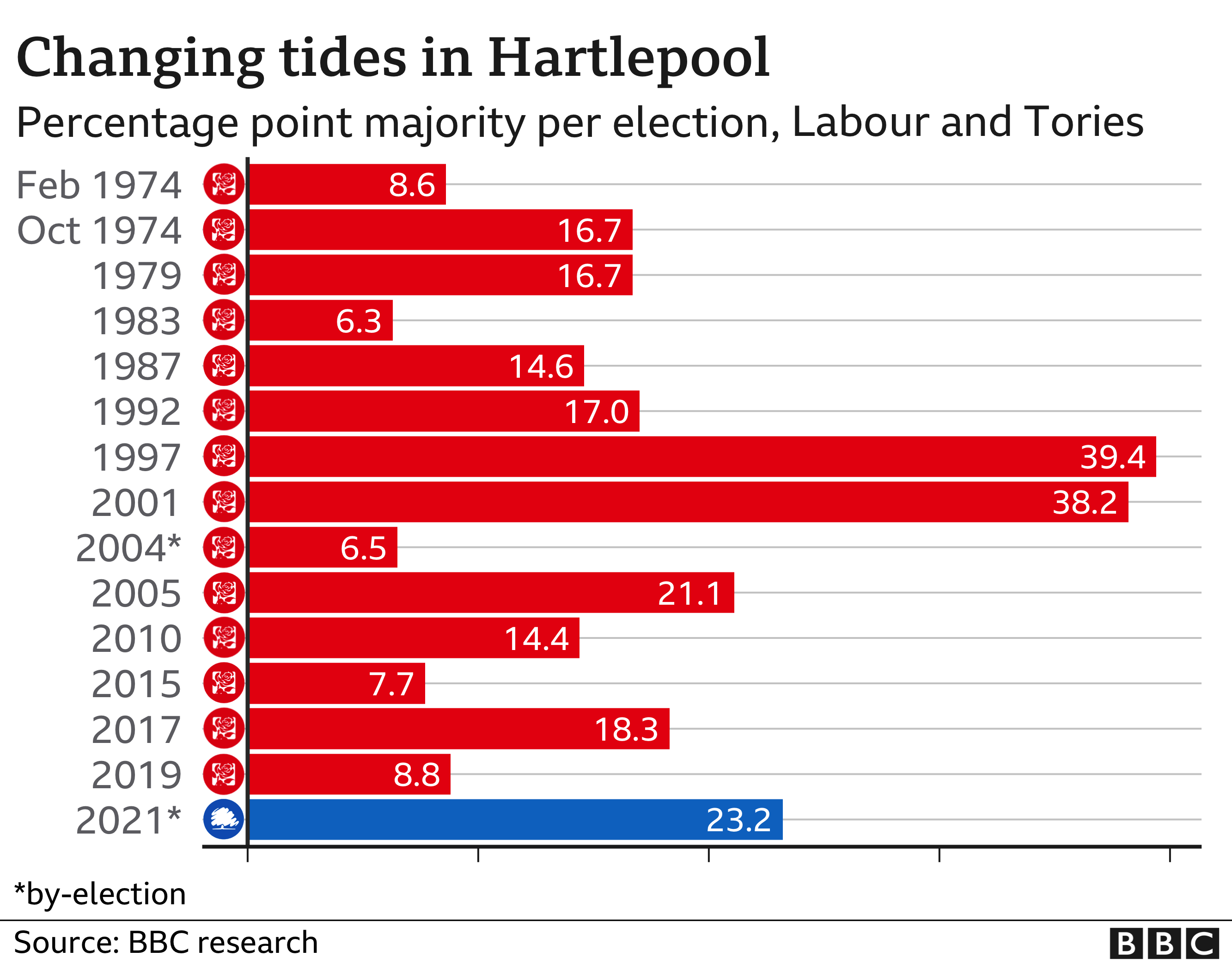
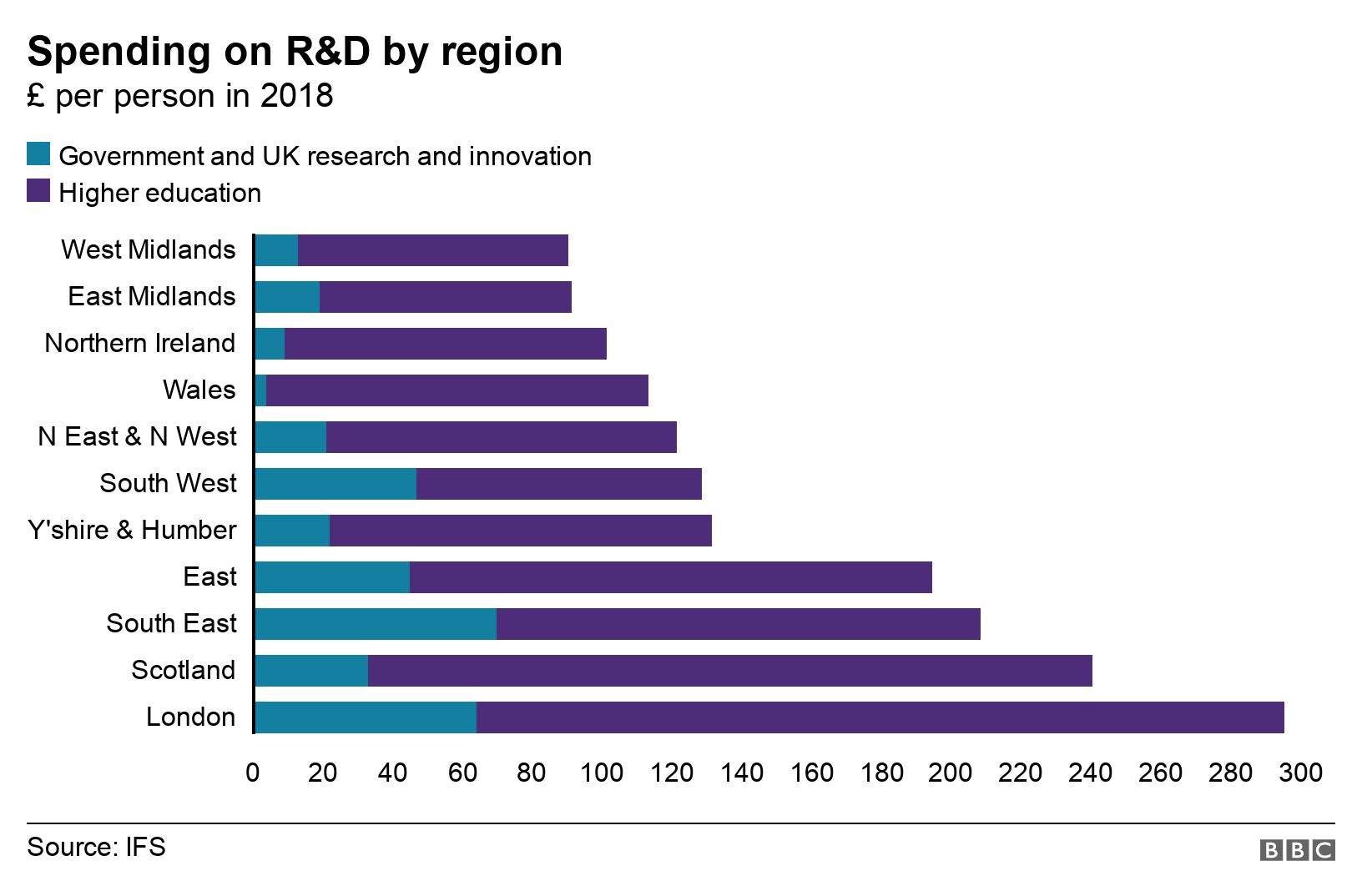
The overall results were a mixed bag. In the face of Tory glee and some big Conservative gains, Labour had good results in the mayoral contests, notably Bristol, West of England, Liverpool, Manchester, London. In the south it's suggested that the "levelling up" agenda may have had an adverse effect, resentment that the north is going to attract preferential treatment. The Conservatives failed to retain control of Oxfordshire County Council. Labour took three seats in Banbury with a candidate from its sister group Labour and Co-operative taking the fourth seat in the town; the Conservatives previously held all four. In ex-PM David Cameron's constituency the new Witney South and Central ward was won by the Labour and Co-operative candidate. UK-wide the Green Party made progress. In Scotland they added two seats. In England they increased their presence in every region. In total they won more than 80 seats, although unable to control any individual council. There was balance in the national parliamentary outcomes too. Labour are still in power in Wales; Plaid Cymru (13 seats) were well behind Labour (30). In Scotland the SNP advanced by one seat to 64, comfortably ahead of the Conservatives (31) and Labour (22). The Greens now have 8 seats there. What of independence and the break-up of the Union? The Scottish Indyref2 is going to happen, isn't it, once recovery from Covid is achieved? The pro-secession SNP and Greens have a majority at Holyrood. 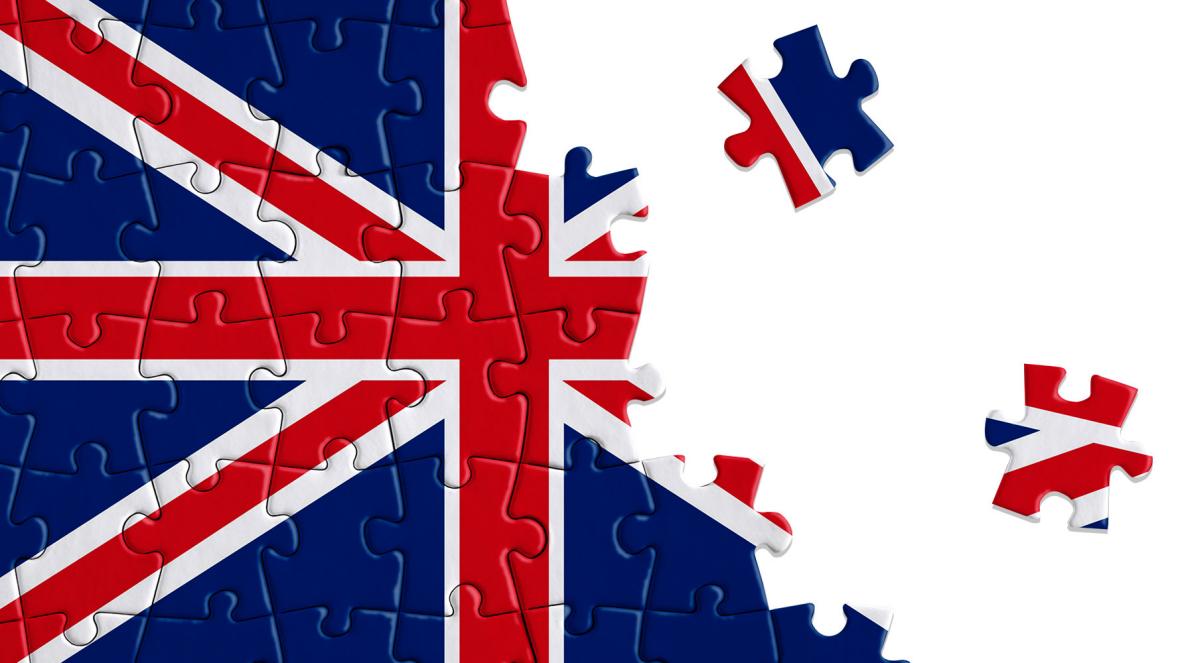
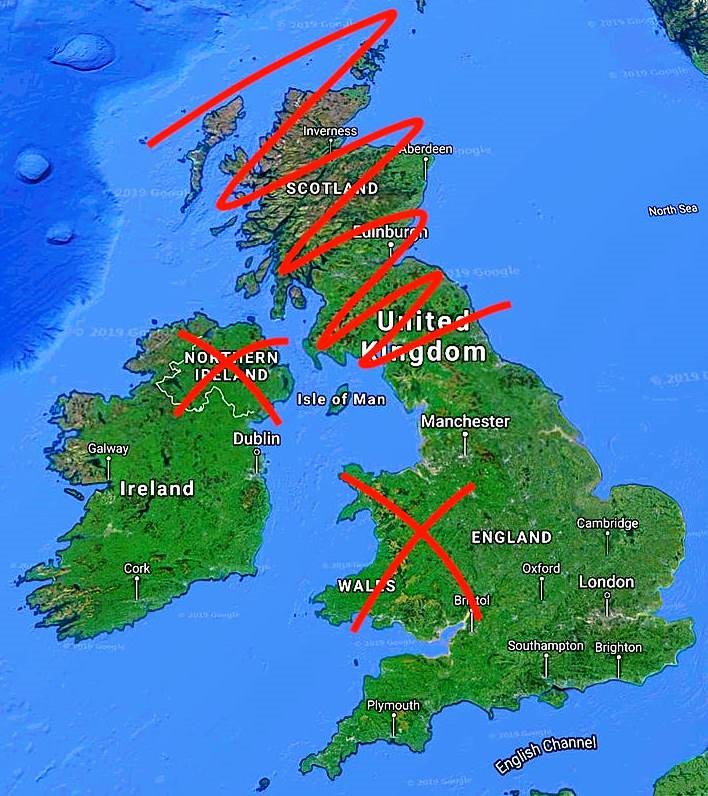
Will we see the dissolution of Great Britain in the mid-term? Do I mind? I have a gloomy side that notes that my lifetime has witnessed British decline: loss of world presence through the erosion of Empire, the disappearance of manufacturing industry, a shrunken navy, lack of economic potency in the face of rising India and China ... there's a long list, with a broken Union at the end of it. Only England left. My partner Sarah says, "Isn't it a good thing?" She's right. I'm a pushover for autonomous or separatist regions. I lived in the Friuli region of north-east Italy in the 1970s and was charmed by the fiercely independent passion of the Friulani. Our son Ben lives in the Basque Country. Why should the UK stay together? I do believe in a people's right to self-determination. If the Scots want to stand alone, good for them. And we'll be free of whinging Celts - oops, I take that back 😉 I'm delighted that former territories of empire now control their own destinies. Nothing could be more right. "Vive la difference!" Particularly after Brexit 😠 |
||||||||||||||||||||||||||||
|
Sunday 9th May |
||||||||||||||||||||||||||||
First, some completely unrelated (to coronavirus and elections) but warming news. If you don't follow Formula 1 motor-racing, pole position means the driver has won the qualifying rounds and will be at the head of the starting grid, a significant advantage. It's a remarkable achievement for a proud Brit. Hamilton is still the man to beat 13 years after his first F1 title in 2008. With his BLM activism and outside interests, he's the embodiment of someone who has realised the potential of their talent with fierce determination and application. Something cheerful, at least for me. The Spanish Grand Prix takes place this afternoon at the Circuit de Barcelona-Catalunya.
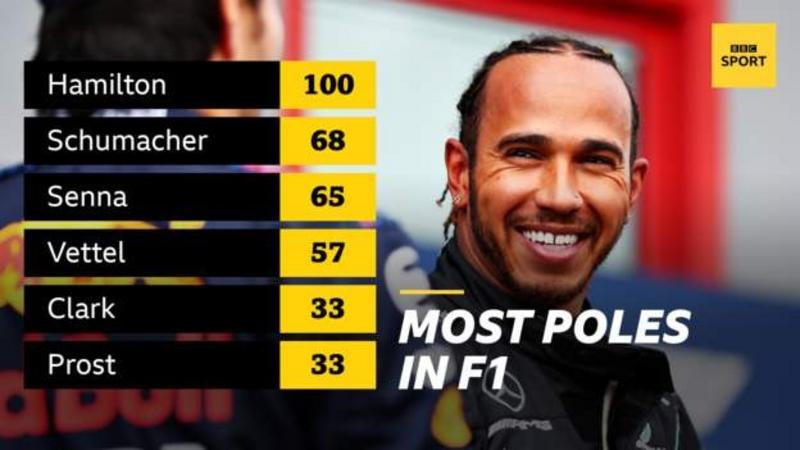
Hamilton never forgets to acknowledge the team. He tweeted: "100 POLES! I can't even begin to describe how this feels. I can't thank the team and everyone back at the factory enough for everything they've done to help us secure this incredible milestone. I feel so humbled and very grateful. This feels like my first win all over again." OK, back to the elections. Most results have been declared. (Click to enlarge photos and charts.) Hurrah! Marvin Rees has been re-elected as Mayor of Bristol, joined by Dan Norris as Mayor of the West of England. Some joy for Labour. There's also Joanne Anderson in Liverpool, the first black woman to lead a major British city. Andy Burnham's back in Manchester. Sadiq Khan has won a second term in London. On our doorstep Lucas Schoemaker was elected District Councillor for the Green Party in Stroud Trinity Ward so replacing the long-serving John Marjoram. The ward is now a Green stronghold. There's an interesting dynamic in the party's electoral experience. I quoted our friend and activist Martin Whiteside in my blog of the 2019 General Election: "He described the difficulties of being elected a Green politician. He first 'scraped in' as a Green councillor for Thrupp ward by 41 votes. He's been there for 16 years. At his last election he had 69.6% of the vote. The same trajectory is true of John Marjoram. First elected as councillor in 1986 (snigger from Martin), last time out in Trinity ward he gained 61.1% of the vote. Caroline Lucas' winning majorities at Brighton Pavilion have grown remarkably: 1252 in 2010, 7967 in 2015 and 14689 in 2017 on 52.3% of the vote. Martin's point was this. It's hard for a Green to get on the first rung of the electoral ladder. There is understandable wariness among the electors about supporting a party that is not traditional main stream. When they get to know you, they will return you at subsequent elections with growing confidence." Are we considered so dim that we need the * explanation below the table? In the overall Stroud District Council results the Green Party made some headway in increasing their councillors by 5 to 13. Both the Conservatives and Labour have slipped back by 3. What deals are to be made here? In the County Council returns for Stroud Central, Labour ex-MP David Drew was elected comfortably with 44% of the vote. The local loyalty to David is enduring. Green Party candidate Molly Scott Cato fell short with 32%. That seems a reasonable stab to me, but I'll have to check the reactions of the local organisers. Gloucestershire County Council as a whole remains Conservative with an overall majority of 3, no change on 2017. The Green Party improved, now having 4 councillors rather than 2. The Liberal Democrats have also added 2 to their previous tally making 16. What of the national parliamentary results in Wales and Scotland? In the Welsh elections Labour has held on to power in the Senedd. Just. Here are the top four parties, those with seats. No Green Party. In terms of the break-up-of-the-Union debate Plaid Cymru trailed in third place. In Scotland, Nicola Sturgeon has hailed the SNP's "historic and extraordinary" fourth consecutive victory in the Scottish Parliament election. The party finished on 64 seats, one short of a majority but one more than it won in 2016. 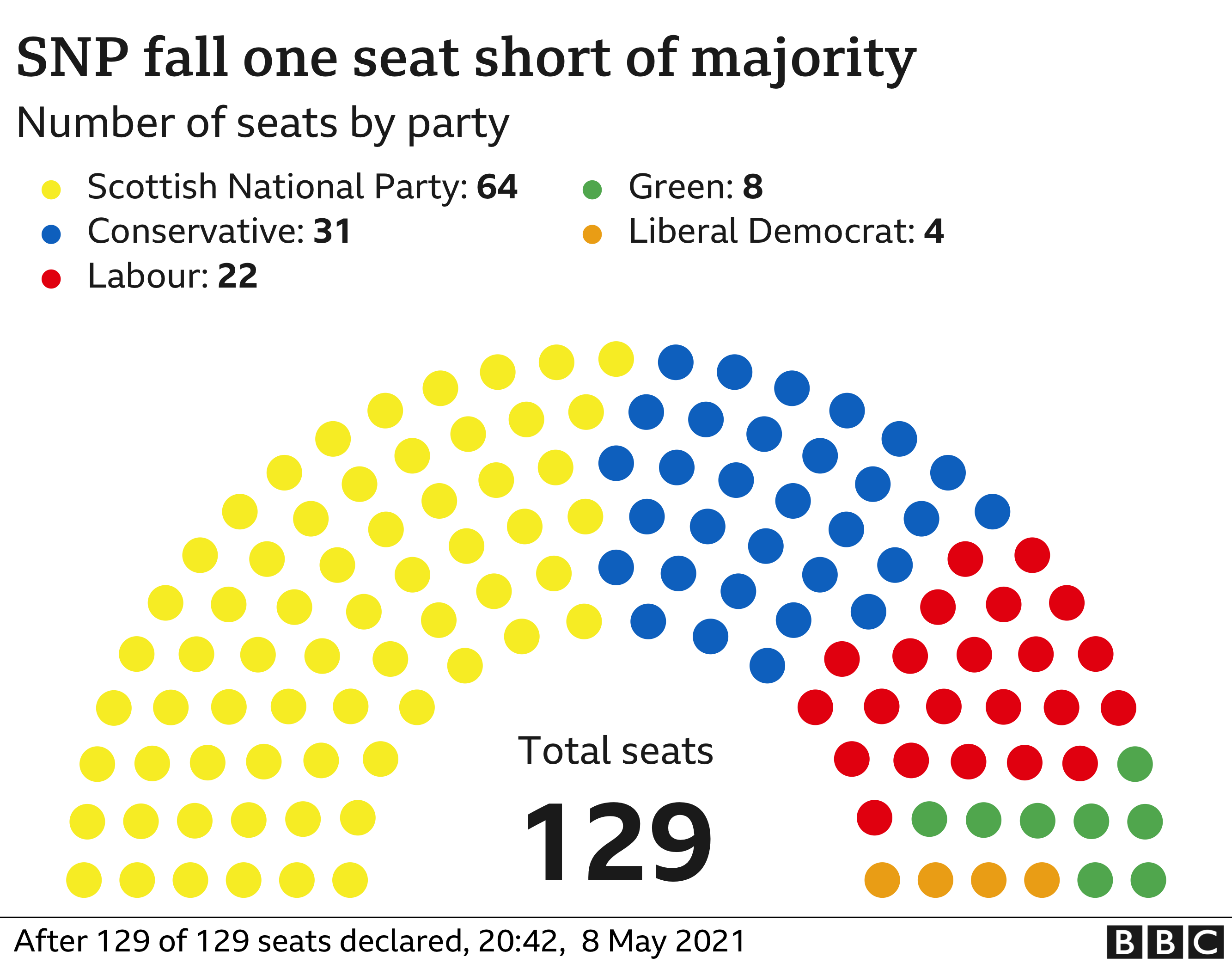
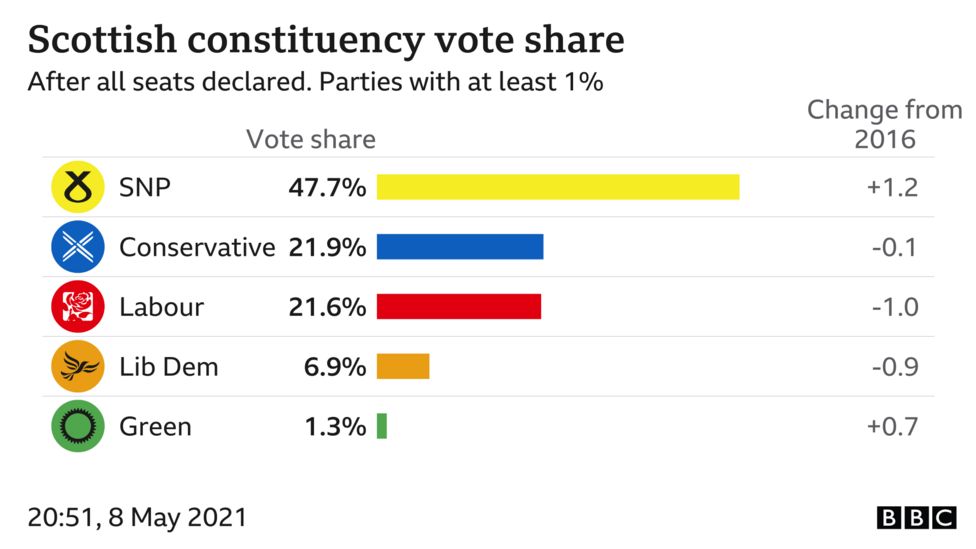
I'll have to reflect further, but all these results seem far less seismic than I anticipated, particularly after Hartlepool. |
||||||||||||||||||||||||||||
|
Saturday 8th May |
||||||||||||||||||||||||||||
|
Latest slides from the Downing Street coronavirus press briefing yesterday (click to enlarge):
Here's the full set of slides with statistical notes: These are all good results. It looks like my worst fears of a renewed infection surge after the introduction a month ago of the "road to freedom" Step 2 have proved unfounded. The first three also show where we've been, a statistical-cum-historical record of the pandemic in the UK. The fourth emphasises the continuing success of the vaccine programme. 35.1m first doses have been given to 51.9% of the entire population or roughly 65% of those older than 18. The 16.8m second doses represent full vaccination of just over 30% of adults. 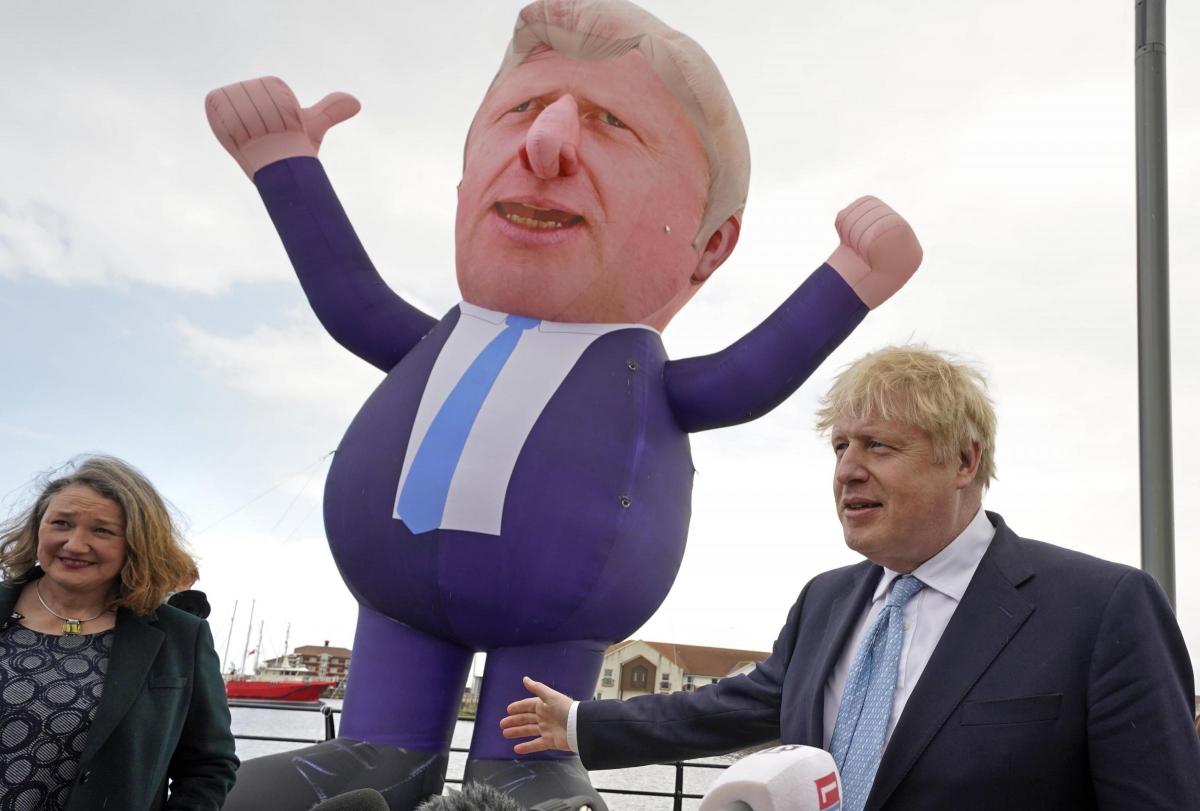
Local election results continue to roll in. Boris really is Teflon Man. The electorate don't seem to have been dissuaded by "cash for curtains". The Tories are crowing. Labour are distraught. Interviews with voters in Hartlepool indicate that they see Boris as a jolly servant of their aspirations, dour and gloomy Labour as having taken them for granted and offering no progress. Brexit, pandemic management (now - forget the earlier incompetence) and vaccine roll-out, investment in the NHS (to repair the damage inflicted by Tory austerity), "Long Corbyn" - they've all played a part. |
||||||||||||||||||||||||||||
|
Friday 7th May |
||||||||||||||||||||||||||||
Hartlepool has gone to the Tories for the first time since 1959 with a 16% swing. Brexit, the successful vaccine programme, the lingering dislike of Corbyn? The Brexit Party had 26% of the vote in 2019; it looks like the Conservatives picked up those supporters.
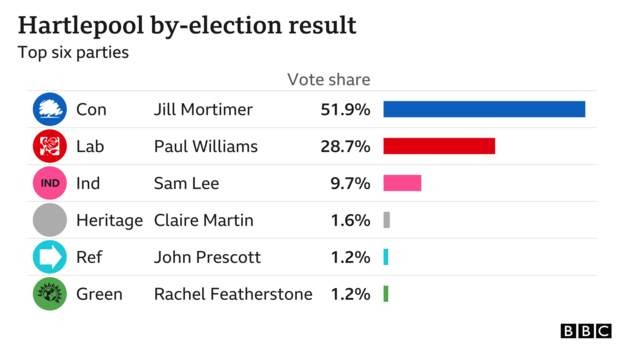
The Labour Party under Keir Starmer is making no progress. I see little clarity of purpose nor engaging vision, a lack of convincing opposition. One beacon of hope may be Marvin Rees in the Bristol mayoral contest where he's seeking re-election for a second term. I'm biassed as Marvin is family. He's the uncle of grandson Marlie and has given steadfast personal support since the sad passing of our little boy's father a year ago. He's a balanced leader; witness his even-handed response to the toppling of the Colston statue (see this blog 16th June 2020). He's inclusive, largely responsible for what is now known as the "Bristol One City" approach. Here's part of his campaign video. Some great shots of the city. Hoping for the right result 🤞✌ |
||||||||||||||||||||||||||||
|
Thursday 6th May |
||||||||||||||||||||||||||||
It's local election polling day. Here's yesterday's final Green Party communication using the (pseudo-)personal touch again. It's a postcard. Wish you were here? Well, Stroud is the Sunday Times "Best Place to Live"😉(see this blog 28th March). A photo by Sue Fenton of The Heavens a mile away from our house, a message from candidates Lucas Schoemaker and Molly Scott Cato (click to enlarge). Fresh blossom, youthful spring green = new hope? Look at the inclusive address: Bisley Road (muesli belt, anti-vaxxers), the railway (industrial roots, public transport, gateway to the wider world), Waitrose (posh) and Top of Town (not so posh).
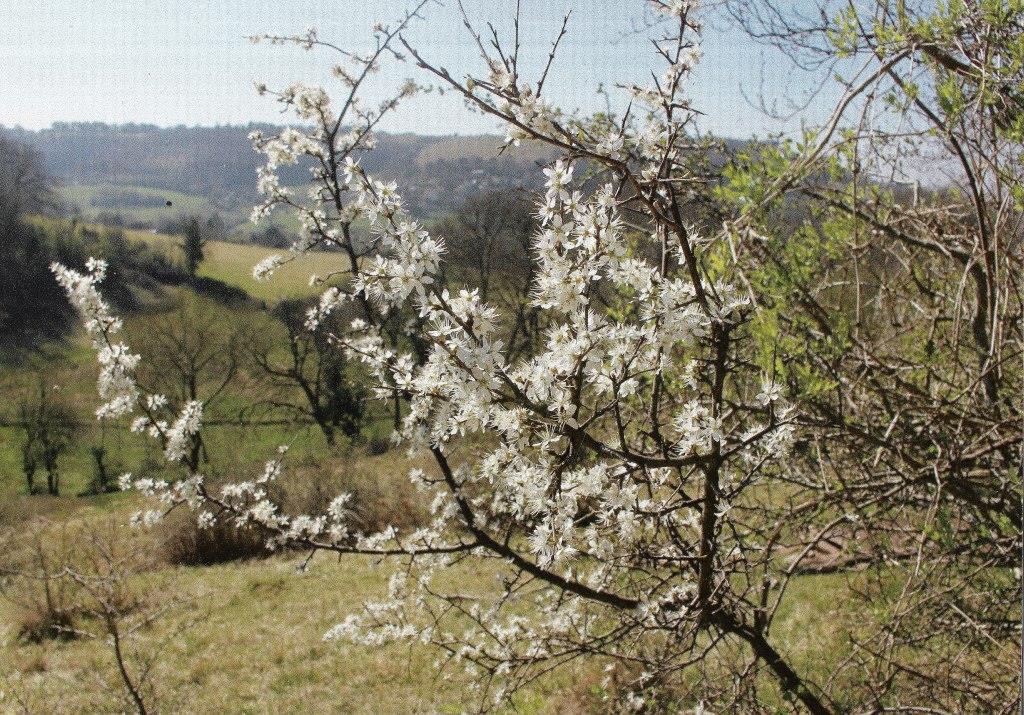
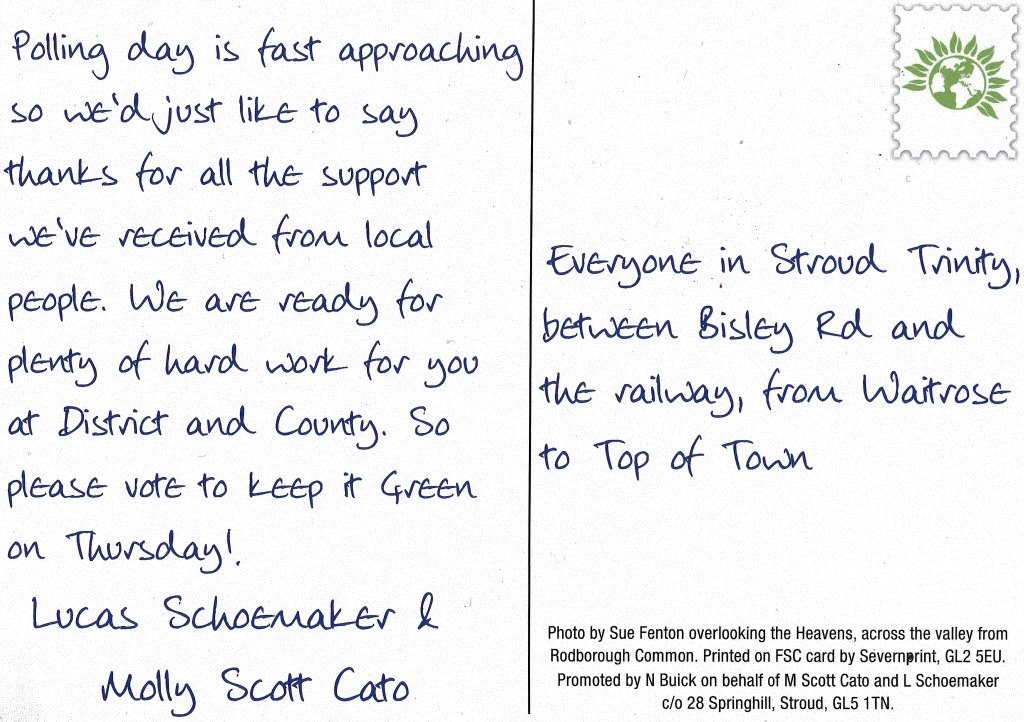
45 years ago today I was living in the region of Friuli in north-east Italy when an earthquake struck. It devastated the towns and villages north of the main city Udine. 989 people died. This morning I received an email and picture from Lucia Beltrame and her family in the village of Talmassons where I was teaching that evening. "Non dimenticheremo mai chi è stato al nostro fianco nel dolore e nella ricostruzione. Grazie. Mandi - Lucia, Bianca e Carlo." "We will never forget who was at our side during the pain and reconstruction. Thank-you. Greetings - Lucia, Bianca and Carlo." 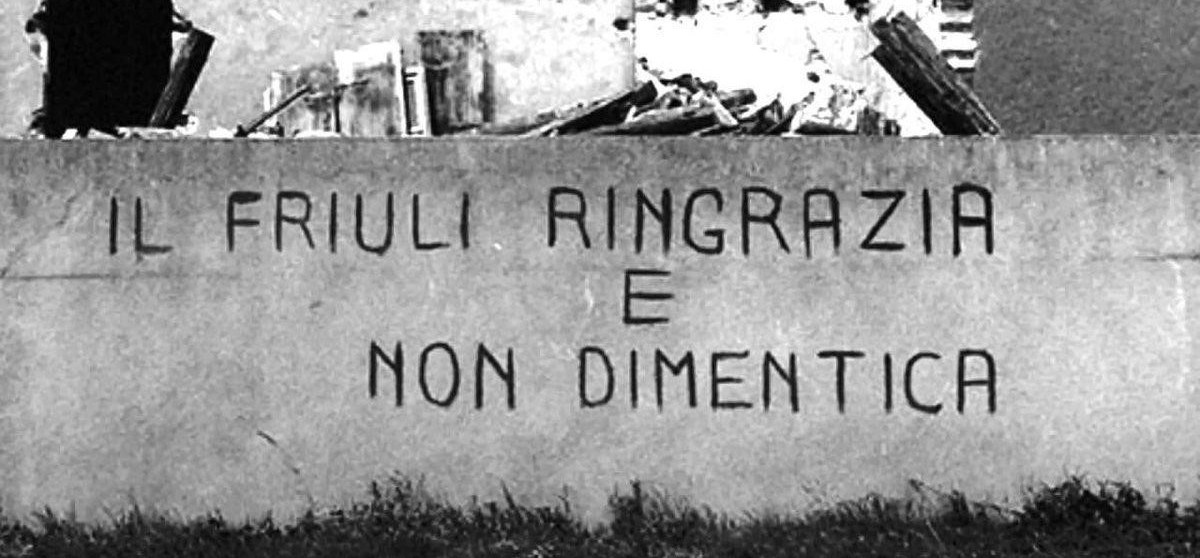
You can see my account of the earthquake here: |
||||||||||||||||||||||||||||
|
Wednesday 5th May |
||||||||||||||||||||||||||||
Oh dear, we expected this. The Orange Mussolini has launched a new "communications platform" under the "Save America" banner. It's a website to replace his old preferred outlets; he was banned by Twitter and suspended by Facebook and YouTube after the Capitol riots in January.

It's the same old story on the News page: Statement by Donald J. Trump, 45th President of the United States of America: "The Fraudulent Presidential Election of 2020 will be, from this day forth, known as THE BIG LIE!" "We are committed to defending innocent life and to upholding the Judeo-Christian values of our founding." "We believe in the promise of the Declaration of Independence, that we are all made EQUAL by our Creator, and that must all be TREATED equal under the law." "We know that our rights do not come from government, they come from God, and no earthly force can ever take those rights away. That includes the right to religious liberty and the right to Keep and Bear Arms." The Office of Donald J. Trump is committed to preserving the magnificent legacy of the Trump Administration, while at the same time advancing the America First agenda. Through civic engagement and public activism, the Office of Donald J. Trump will strive to inform, educate, and inspire Americans from all walks of life as we seek to build a truly great American Future. Through this office, President Trump will remain a tireless champion for the hardworking men and women of our great country - and for their right to live in safety, dignity, prosperity, and peace. One final bit on Trump and Twitter. Rejected by the platform he once adored he now gives it a bashing, a typical Trumpian response. There's this April 30th entry on his "From the Desk" page: "Twitter stock 'plunged' as results are no longer cutting it for investors. Shares are off 15% today. Bad forecasts are hurting the outlook but more importantly, in my opinion, it has become totally BORING as people flock to leave the site. Michael Nathanson stated, 'the math doesn't make sense' as he lowered his price target. I guess that's what happens when you go against FREEDOM OF SPEECH! It will happen to others also." |
||||||||||||||||||||||||||||
|
Tuesday 4th May |
||||||||||||||||||||||||||||
Sad news from the Gates family today. As you will know from these pages I'm a fan of Bill. I started working with Microsoft products 40 years ago and they've provided me with most of my income since then. Ironically it's their flaws that have generated business, not their capabilities but the things that don't work or need improvement; IT consulting is often driven by user frustration with tech imperfections. I've discussed Gates' contribution to the Covid debate at length in this blog, notably his TED talk of 2015 (see 12th April 2020).
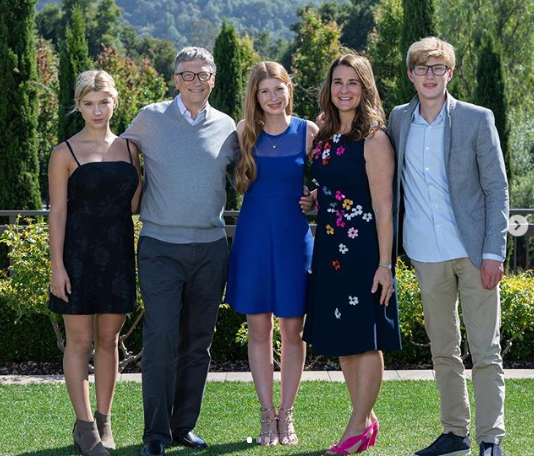
The announcement has been handled with the customary balance, released from both their Twitter accounts using identical text (click to enlarge). |
||||||||||||||||||||||||||||
|
Monday 3rd May |
||||||||||||||||||||||||||||
There's plenty to report on the India tragedy - but I don't have the will to write at length. So much suffering: the burning of bodies, inability to find a hospital bed, shortage of doctors even when a place is found, huge Covid relief centres with cardboard beds. The sick post on Chinese micro-blogging platform Weibo of a photo of the Chinese Long March-5B carrier rocket blasting off alongside a picture of funeral pyres burning at night in India. The caption reads: "China lighting a fire versus India lighting a fire". The post is allegedly linked to the Central Commission for Political and Legal Affairs, organ of the ruling Communist Party. At least there have been protests against it; one comment said: "I can't believe this was posted by a government account. Why do you need to use the suffering of others to highlight national pride?" Exactly.
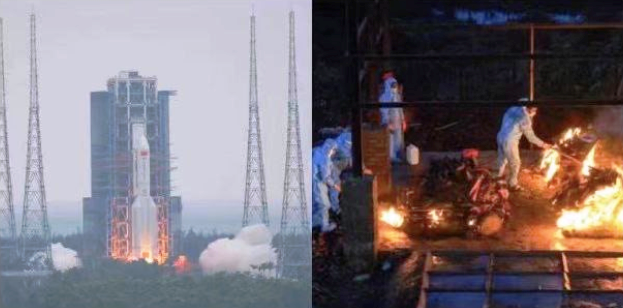
Appalling. So I'll have to stick with the mundanity of the local elections. The Green Party has dropped another personal endorsement flyer (click to enlarge) on the mat. I think they may be overdoing this approach. How is it expected to persuade the voter? My partner Sarah suggests that the message is: "If these decent and attractive people are backing Green, perhaps we - in the hope of also being decent and attractive - should do the same?" We play the game of recognising who we know. Stroud Brewery's Greg Pilley again and Eva our county councillor. Friend Bob is there, husband of campaign coordinator Lynn Haanen. Legend John Marjoram's wife Laura. But who's Julie who lives in Middle Street? Surely we should have bumped into her (unless of course it's the rival Middle Street in Uplands on the far side of Slad Road)? The promotion is engaging. But it doesn't tell you about policy other than through brief references in some of the comments. 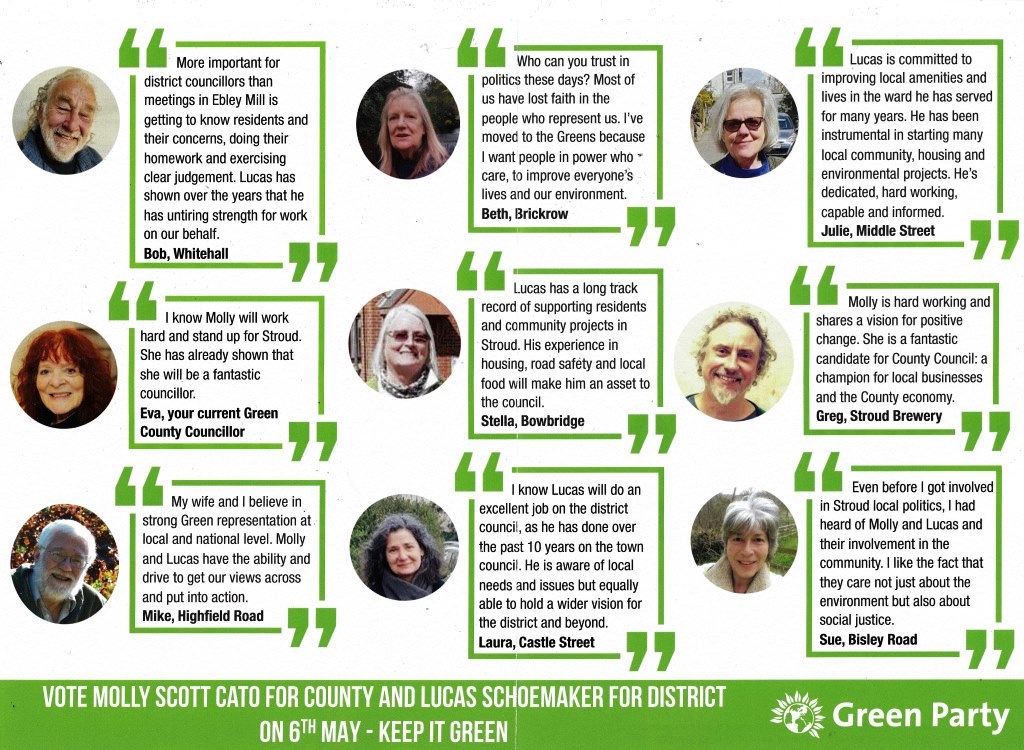
|
||||||||||||||||||||||||||||
|
Sunday 2nd May |
||||||||||||||||||||||||||||
|
I have to return to the crisis in India today, reluctantly, but little other news comes close to the gravity of the human predicament there. Yesterday 401,993 new coronavirus cases were reported for the previous 24 hours, the first time the country - or indeed any nation - has surpassed 400,000 cases in a single day. And who's counting? Is that the real total?
A growing number lays the core blame - that may be simplistic, but he certainly hasn't helped - at the feet of Prime Minister Narendra Modi. We've seen denial from Bolsonaro and Trump. Now Modi has joined the ranks of Ian Mackay's "Misinformation Mice" (see this blog 15th April for the Swiss Cheese Model). Back in January he boasted at the World Economic Forum: "India has saved the world, entire humanity, from a major tragedy by effectively controlling coronavirus." If what we see now are salvation and control, what do damnation and chaos look like? 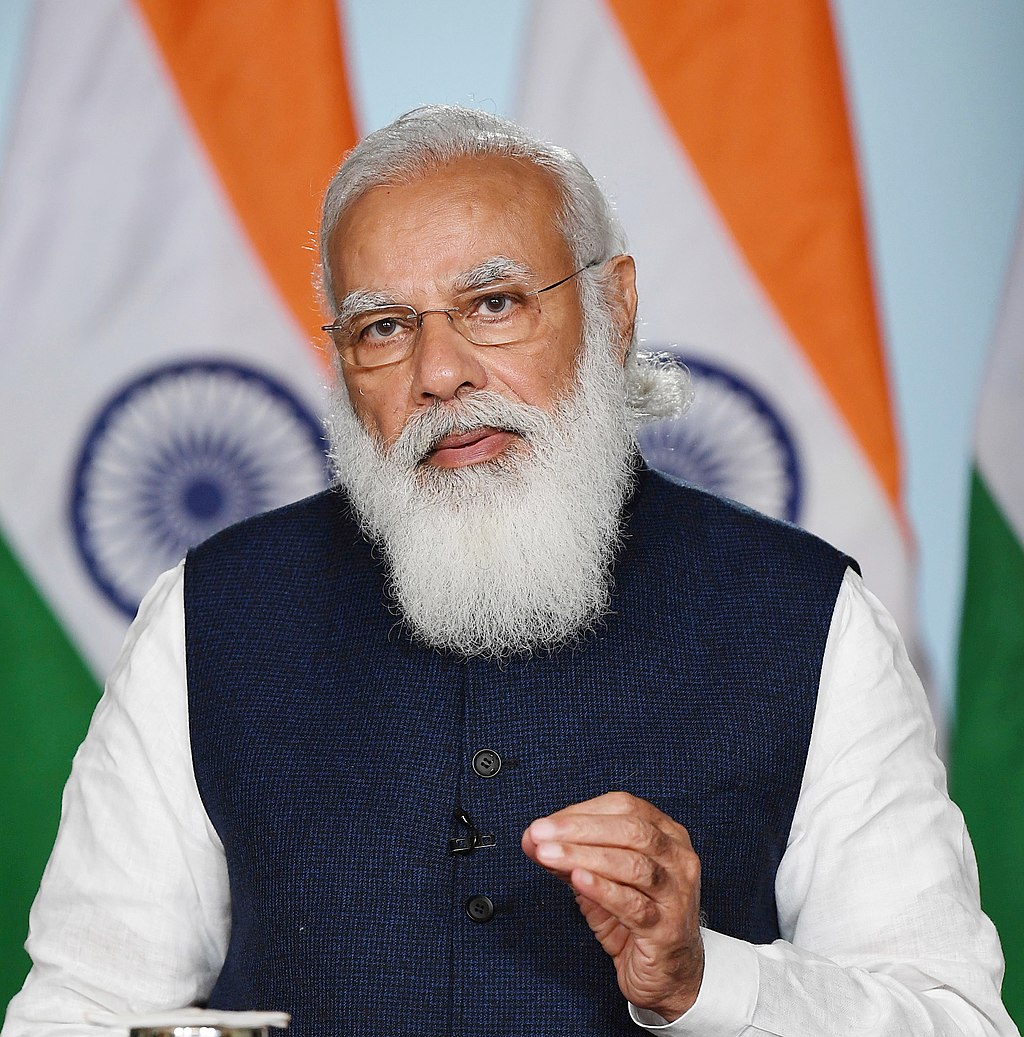
CNN/Johns Hopkins University (with others) have two diagrams (below, click to enlarge) that chart the descent of India into its current horror. The first shows the case explosion timeline since January and a selection of denial statements. The second illustrates the increasing proportion of India cases out of the global tally. One way of looking at it is that all the world virus infection growth in April, roughly 30%, has happened in India. There's a subsidiary message here as although cases in the rest of the world are declining the levels are still very high. In the UK we have seen a significant reduction - but this is a whole planet pandemic. Here are two pictures highlighting lack of control: a recent rally of Modi's Bharatiya Janata Party and a shot of the crowd at the March T20 international cricket match between India and England in Ahmedabad. In the latter you can count the number of masks on the fingers of one hand. 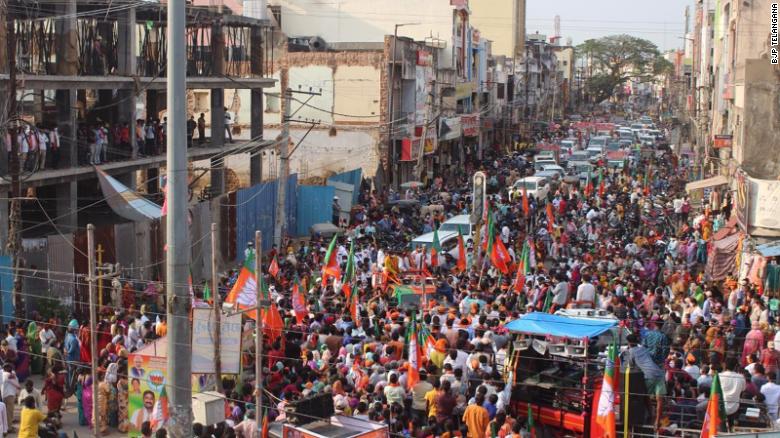
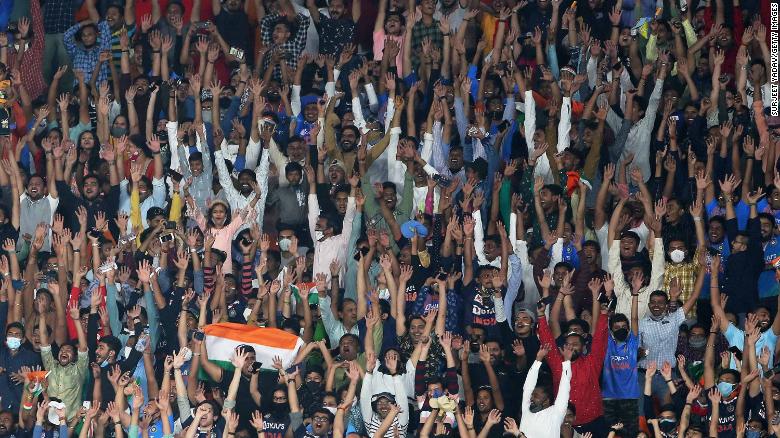
The critics have been vocal. Priyanka Gandhi Vadra, general secretary of opposition party Indian National Congress: "The government has failed us all. Even those of us who oppose and fight them could not have foreseen a complete abdication of leadership and governance at a time as devastating as this." Pradeep Taneja, Asian politics expert at the University of Melbourne, fellow of the Australia India Institute: "Modi was complacent, even arrogant in thinking that India had succeeded when more developed countries, countries with much stronger health systems, were struggling. People expect their governments to assure them that they are in charge and taking care of things but the government is almost missing in action. Now that India is facing the worse crisis in my lifetime where is the Prime Minister?" Barkha Dutt, Washington Post columnist: "We've been failed by the government that did not think to put in place a contingency plan for the second wave. Is anyone going to take accountability for the thousands that are dying?" Meanwhile there's a vaccine shortage. Only 8.85% of the population have received their first dose, and 1.86% two doses. The country is the world's biggest vaccine producer. The Serum Institute of India (SII) is the world's largest single manufacturer. |
||||||||||||||||||||||||||||
|
Saturday 1st May |
||||||||||||||||||||||||||||
|
Happy birthday to son Nikko!
🍺 🎂 💖 🎈 🌞 🎵 👍 😎 🙏 🥂 🏖️ 
On a less celebratory note ... here in Stroud we're five days away from polling in the local elections. It all seems very trivial compared to the current suffering in India. Parking charges in Nailsworth versus overwhelmed morgues and crematoria in Delhi? Road resurfacing versus no oxygen? Anyway, three more flyers have arrived so a few comments on them. The latest Green Party offering continues with the human touch, brightly presented. Endorsements from a rogues' gallery of the usual suspects: founder of the popular Stroud Brewery Greg Pilley, described on his website as an "an adventurer, environmentalist and beer lover"; our neighbour Katharina, creator of Atelier, a delightful textile and craft workshop in Piccadilly Mill behind our house; Sarah Lunnon, former Green County Councillor. There's very little policy in the flyer below (click to enlarge). It's all about personal recommendations of candidates Molly Scott Cato (County) and Adrian Oldman (District). 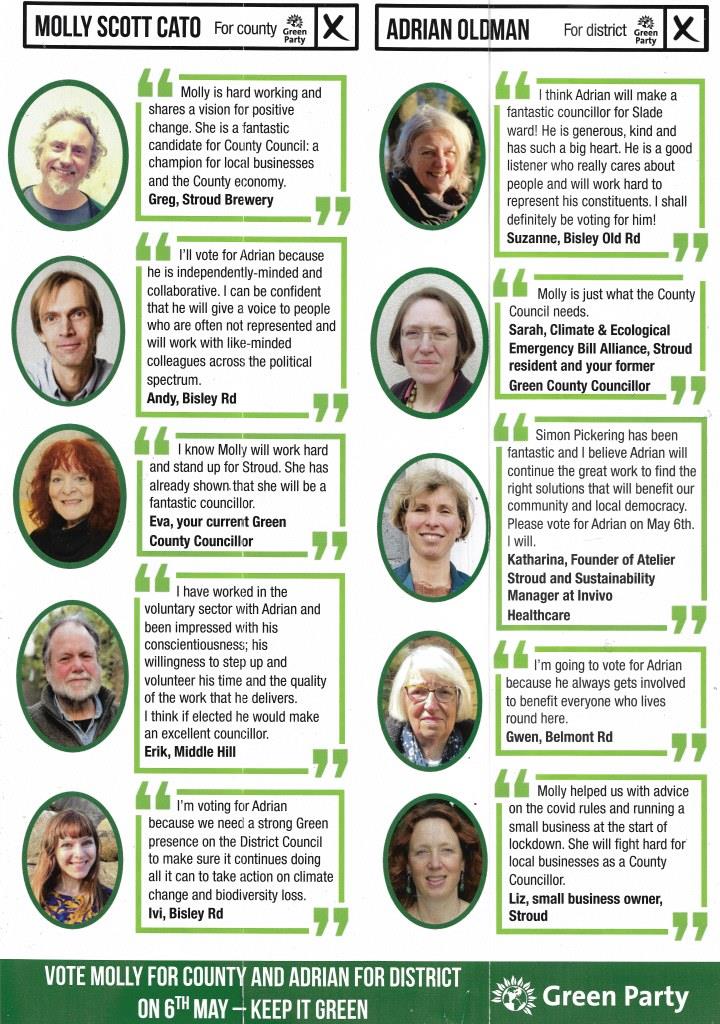
The Conservative party literature has Siobhan Baillie in conversation with Stephen Davies, Conservative group leader at Stroud District Council. Why is she so centre stage? Look at the picture of supporters in the leaflet below (click to enlarge), all with placards bearing her name. These are local elections. Where are the Stroud candidates? It's the first communication I've seen from her since she became our MP in 2019. She barely campaigned in the town during that contest. A Remain voter in the 2016 referendum, she owed her victory to a switch to Boris' (or Cummings'😈?) "Get Brexit Done" national band wagon. She lives in the Witney constituency but claims here: "I am very ambitious for Stroud District". Shouldn't she show up more often? 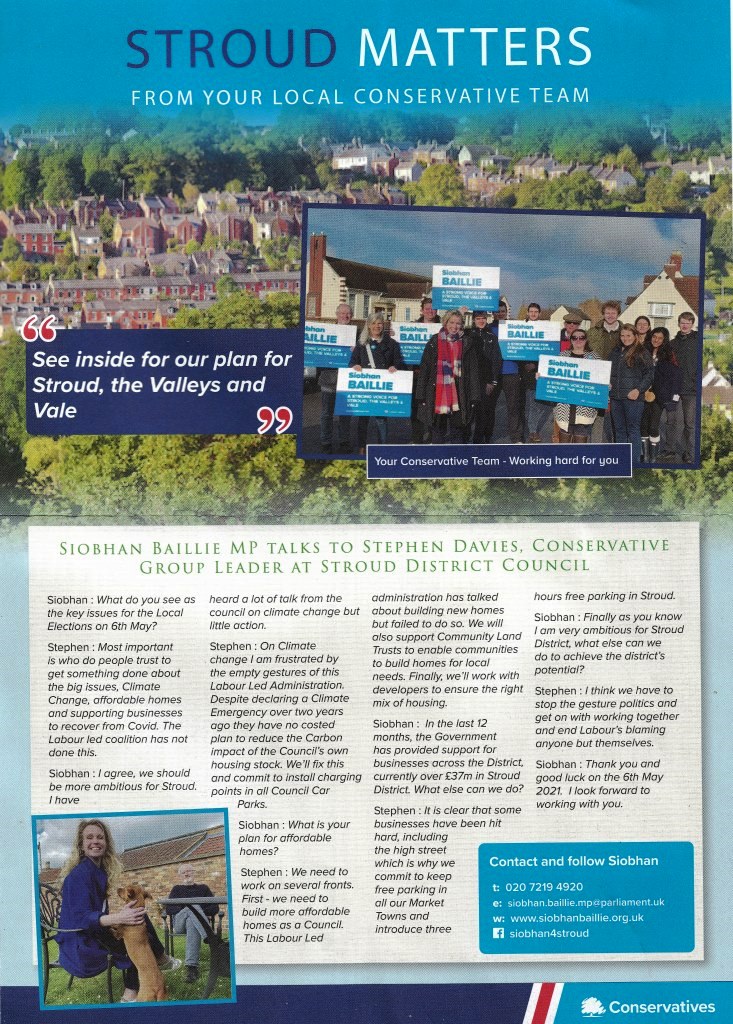
The Labour promotion is a letter (click below to enlarge) from District Council hopeful Sebastian Parkinson. It's weak. There's nothing wrong with his intention to support local businesses and improve youth activities. Nice quiff. The flyer just lacks impact both visually and in terms of deep content. Once again (see Siobhan Baillie above) there's a dog involved. OK, Sebastian has an excuse as he runs the Pet Fayre shop - but are dogs seen as vote-winners? Not with this Middle Street resident, I can assure you. I watch them sniffing and urinating all day long outside my office window 😠 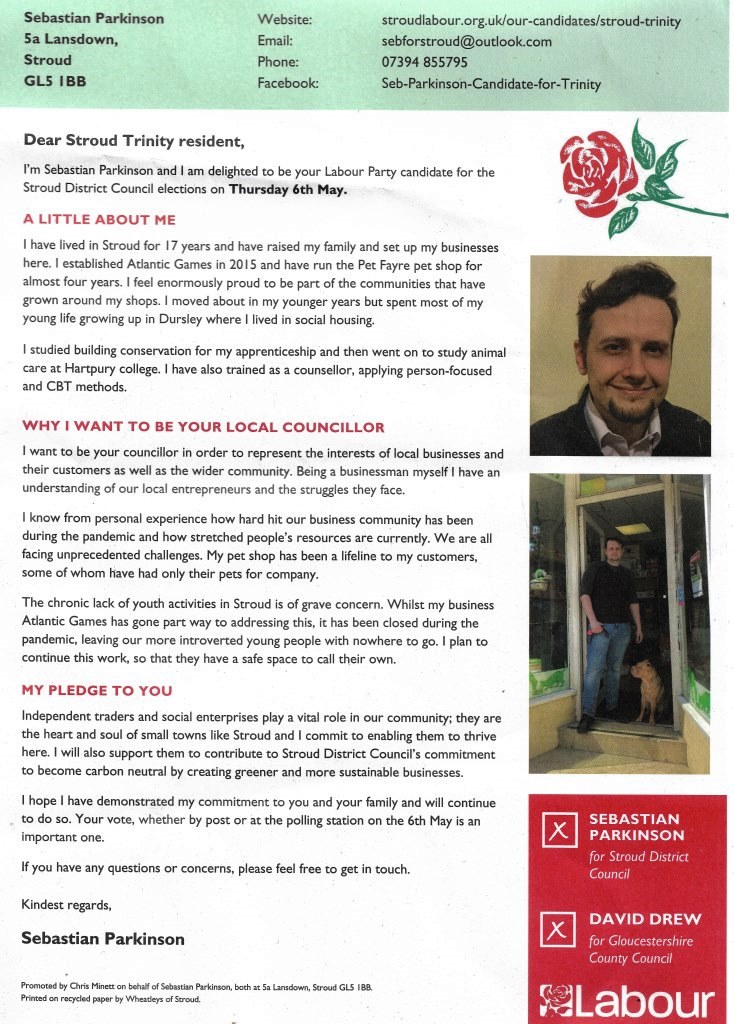
|
||||||||||||||||||||||||||||
|
Friday 30th April |
||||||||||||||||||||||||||||
|
I've just stumbled upon a phenomenon which I'll call "post-mask syndrome". It's my personal experience but you too may have noticed it. You probably beat me to it 😉
During my recent visit to Gloucester Royal Hospital I met people I'd never seen before the pandemic. Health professionals are obliged to wear masks at all times. Like Ariel the staff nurse. I have no idea what his face looks like even now; I could only see his eyes and rather elegant hair quiff. It was the same with cardiologist Dr. Mrinal Saha. I was aware of his strong aura but couldn't see his face. I looked him up on the hospital website later and found a picture. What a surprise; in contrast to his powerful presence he has quite a baby face. Then there's Dr. John Beard, the Minchinhampton GP who made my referral to GRH on Monday. Just the lines around his eyes, his close spiky haircut. I've looked him up too. Now I know his face, if I've got the right person, because I only have the memory of his eyes and hair to verify my Googling. Another surprise, a bright youthful and angular smile slightly at odds with what I had been able to see. On a GRH visit last year I met a lovely healthcare assistant called Emily. Again, I could see her eyes and sensed her energy and warmth, but that was it. I said so and she briefly took off her mask for me, muttering something about dimples. Dead right, she had pronounced dimples in a pretty smiling face. I would never have known. The revelation completely changed what I saw, or rather didn't see but now knew. I've realised that this happens all the time in the Covid post-mask era. The staff who monitor the entrance to Waitrose, for example. With those I knew in pre-mask times I "see" their faces even when I can't. If I don't know them I'm none the wiser. People walking down our street who are wearing masks; most I know, some I don't, it's the same thing. It's all very odd. It shows what a mask can do and why they're worn for disguise. 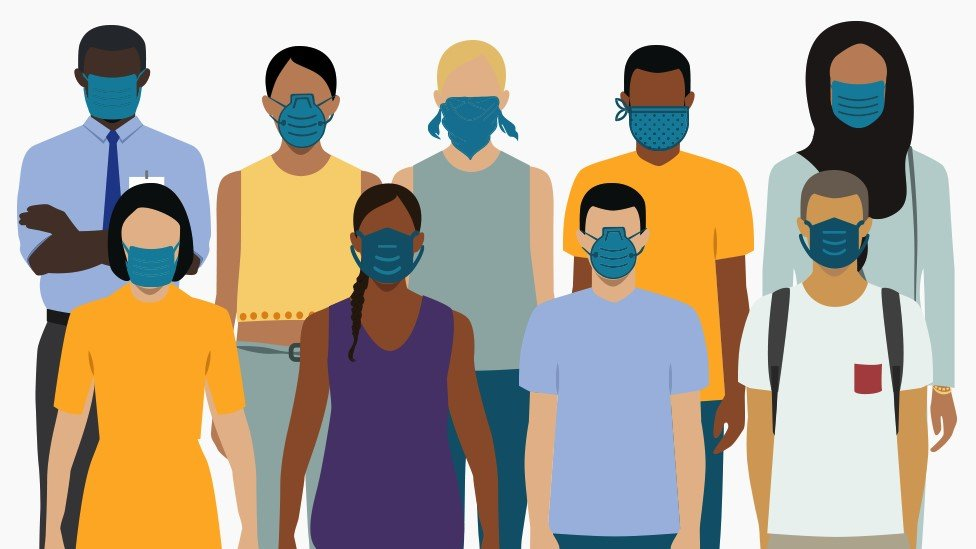
|
||||||||||||||||||||||||||||
|
Thursday 29th April |
||||||||||||||||||||||||||||
|
Problems with supply. In India it's everything: beds, oxygen, drugs, vaccines. Elsewhere we've seen interruptions in vaccine supply, sometimes for political reasons, often because of production blips.
But a shortage of microchips? In terms of its effect you'll probably have read about temporary closure of Jaguar Land Rover sites at Halewood and Castle Bromwich. Daimler, General Motors and Volkswagen have all suspended production lines at various times in recent weeks. Apple had to stagger the release of its iPhones last year and the latest Xbox and PlayStation consoles came nowhere close to meeting demand. 
I know that we've always had a fluctuating balance of supply and demand in the sector but this statement from Cisco CEO Chuck Robbins surprises me: "When Covid hit everyone thought the demand side was going to decline significantly. In fact we saw the opposite, we saw the demand side increase. All of the manufacturers like us and car manufacturers sent lower demand signals to the providers of semiconductors. They then reduced their capacity and at the same time demand went up instead. Which was a complete shock to so many of us." Really? A shock to the big cheese at Cisco, world leader with 85% of Internet traffic using the company's systems (BBC) and a market cap of $216bn (Yahoo Finance)? Surely he of all people should have predicted the tech growth that we have witnessed due to Covid, the increased reliance on telecommunications, the public swing to on-line shopping and the boom experienced by companies like Amazon, hence the proliferation of devices and stimulus to digital activity. Robbins sees light at the end of the tunnel: "Right now it is a big problem because semiconductors go in virtually everything. We think we've got another six months to get through the short term. The providers are building out more capacity. And that'll get better and better over the next 12 to 18 months." I'm still surprised. Anyway, we're going to see a big drive to establish increased capacity. Intel's new chief executive Pat Gelsinger shows a fierce determination to redress the imbalance in chip-manufacturing geography which sees the majority made in Asia. The Taiwan Semiconductor Manufacturing Company (TSMC) and South Korea's Samsung are the dominant players. "Every smartphone, every telemedicine, every remote worker, every remote education, every autonomous vehicle, every aspect of humanity is becoming more digital. And when it becomes digital, it runs on semiconductors. This is the heart of every aspect of human existence going forward. And the world needs a more balanced supply chain to accomplish that. We're stepping in." Irish government ministers including Taoiseach (Irish prime minister) Micheál Martin and Tánaiste (Irish deputy prime minister) Leo Varadkar have welcomed Intel's announcement: "Intel's journey in Ireland has been an extraordinary one and these plans for the next phase of its development will enhance its [Ed: Intel's? Ireland's? Both?] reputation as a global leader in semiconductor innovation and manufacturing. Another huge vote of confidence in Ireland's future." 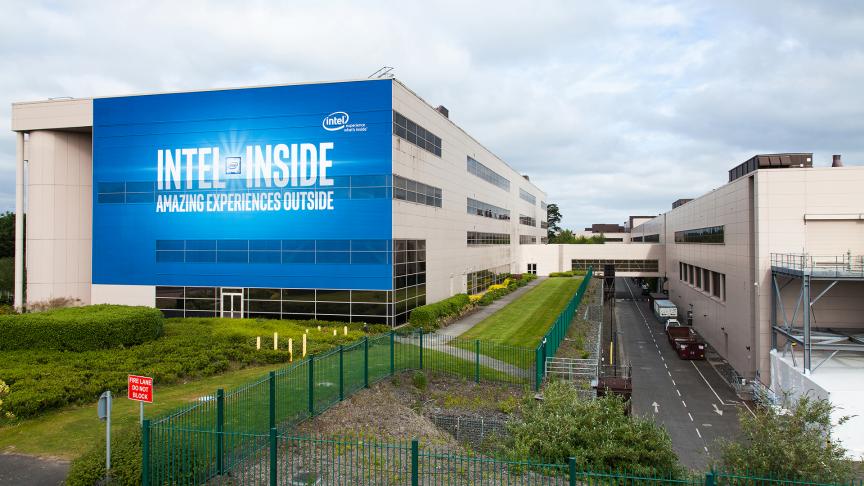
Pat Gelsinger gave an interview recently in which there was an interesting exchange about Intel's future plans: Interviewer: "When you say you want to build more in Europe, is that going to just be more in Ireland or Israel? Or other countries, the UK perhaps?" Gelsinger: "We fully expect to open up a site in another European country." Interviewer: "Could that be the UK?" Gelsinger: "I'm not going to speculate any further right now." Hmmm ... another case of a leading company's suspicion of investment in post-Brexit Britain? |
||||||||||||||||||||||||||||
|
Wednesday 28th April |
||||||||||||||||||||||||||||
Selected statistics from the FT yesterday:
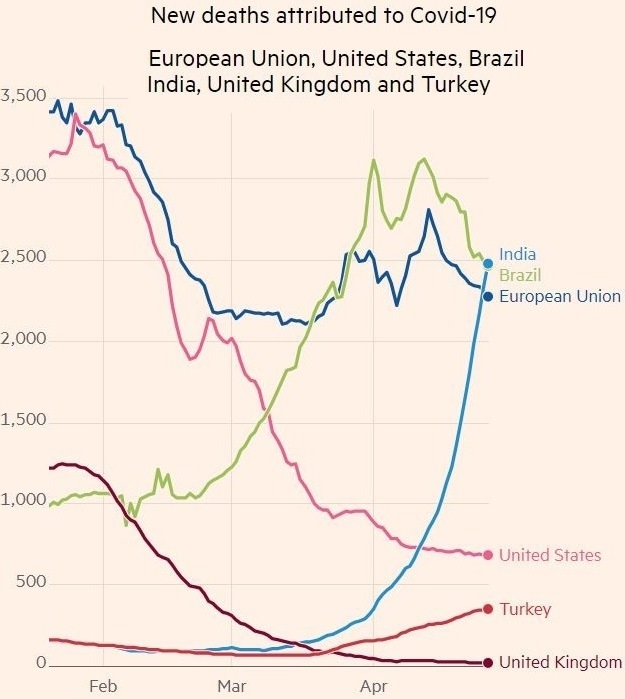
The India curve tells its own story. Or part of the story. The rest comes from the reports of human anguish in the face of shortages of every description, of lack of control. The individual personal tales hit home of the failed hunts for oxygen, drugs and hospital beds and the consequent loss of loved ones. |
||||||||||||||||||||||||||||
|
Tuesday 27th April |
||||||||||||||||||||||||||||
|
Two days ago I was thinking how fortunate we are compared with India. Today I have proof. Yesterday morning I woke up at 5am to a pulse rate of 150, out of the blue. Back in Gloucester Royal Hospital by the end of the morning, privileged to be on the receiving end of attention from warm and committed staff, all the testing equipment needed, plentiful drug and oxygen supplies, peace and quiet, food and drink. All free courtesy of the NHS. Pulse rate back to normal, don't know why. Hope to be let out soon.
It's now 3pm and I'm home. Very good visit to GRH, although after all the care they'd shown they nearly killed me at the end by walking me miles down long corridors to the unpleasantly named Discharge Lounge. The usual impressive staff. Ariel the night Staff Nurse, originally from the Philippines, 15 years at GRH: friendly, funny, calm, competent, prompt. Two very personable, engaged and clear medics: Dr. Matt Walker in the admissions unit and cardiologist Dr. Mrinal Saha on the main cardiac ward. Not to mention all the nurses, healthcare assistants and auxiliary staff. Many of them have worked at the hospital for a long time despite their youth. It says a lot. I often make new friends among my fellow patients. This time it was Tony Marden, who runs the Shady Plants nursery between Edge and Painswick. He'd had a similar racing heart condition, probably triggered (his assessment) by over-exertion, the stress of looking after his wife who's also just returned from hospital and the pressures of reviving a business that has suffered considerably from the ravages of Covid. He normally sells at 40-odd plant fairs through the season; this last year he has only attended four. He remains charmingly humorous and positive. |
||||||||||||||||||||||||||||
|
Sunday 25th April |
||||||||||||||||||||||||||||
I struggle to take in the scenes from India. Cumulative confirmed cases 16.61 million, cumulative confirmed deaths 189,544 (Our World in Data, 23 April). Funeral pyres as the crematoria can't cope. Families queuing to get their own oxygen supplies. People die at home because there are no hospital beds. The contrast with our situation in the UK is marked, cruel and tragic.
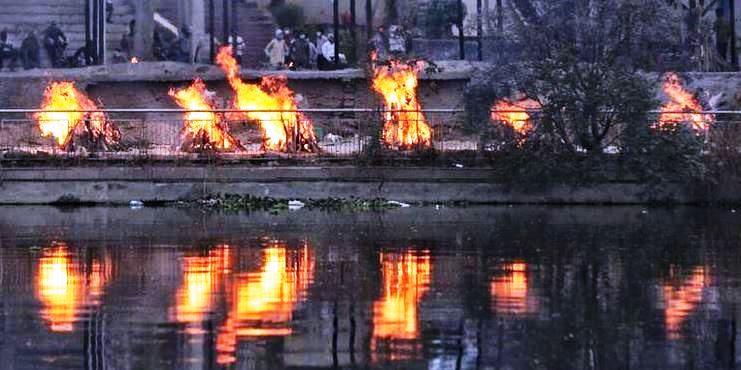
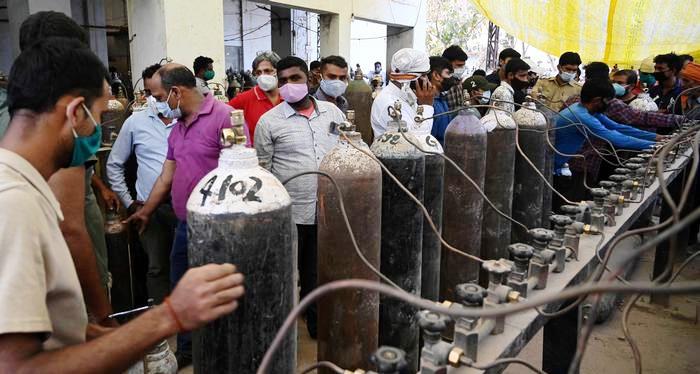
Even with India's technological prowess (the Serum Institute of India has been supplying the UK with the Oxford/AstraZeneca vaccine), how does the country handle the virus with a population of nearly 1.4 billion and high urban densities? 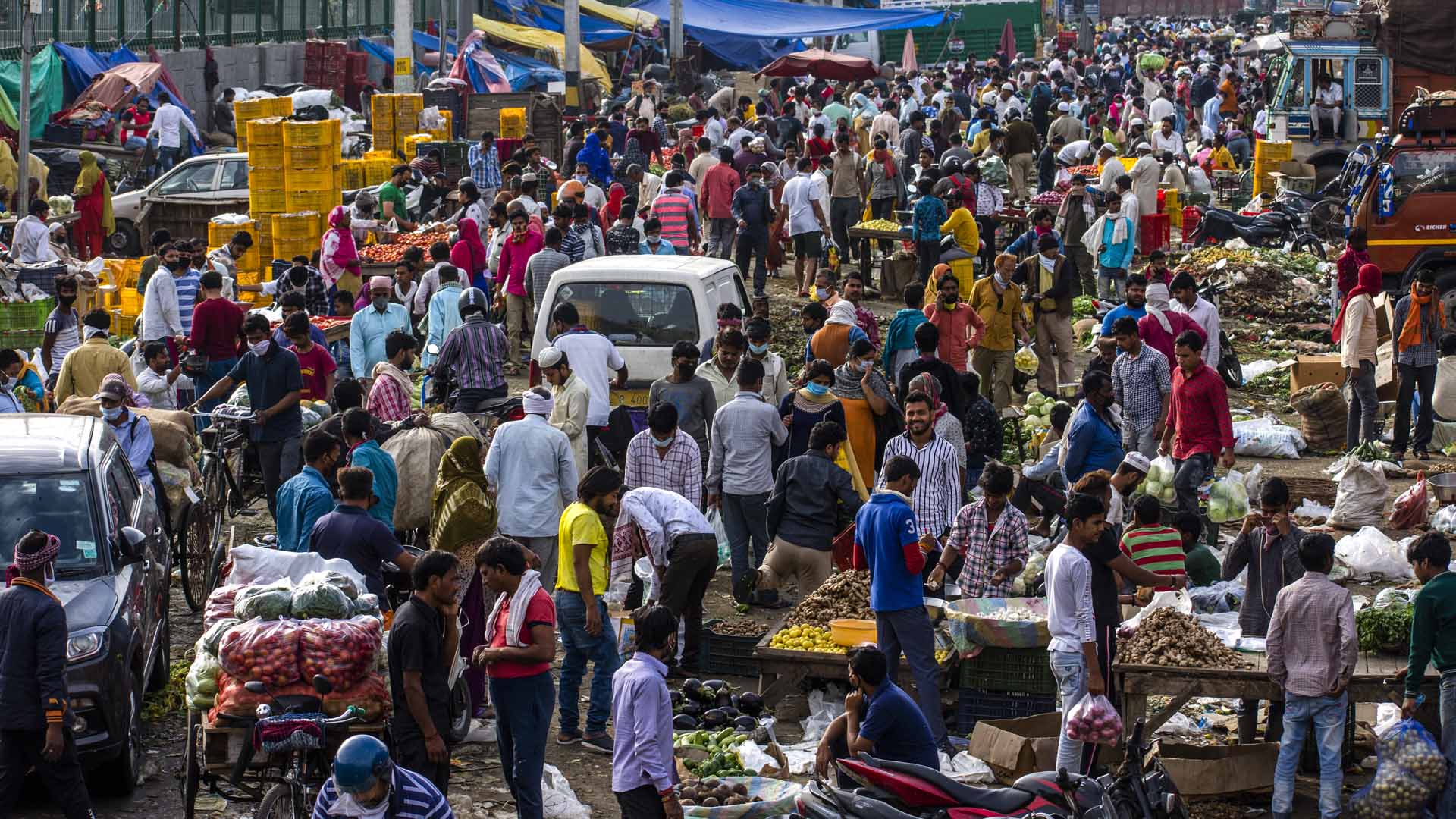
Meanwhile up at the Old Cemetery there's clear air, blue skies and nobody about to disturb my Sunday morning on Yellie the bike. 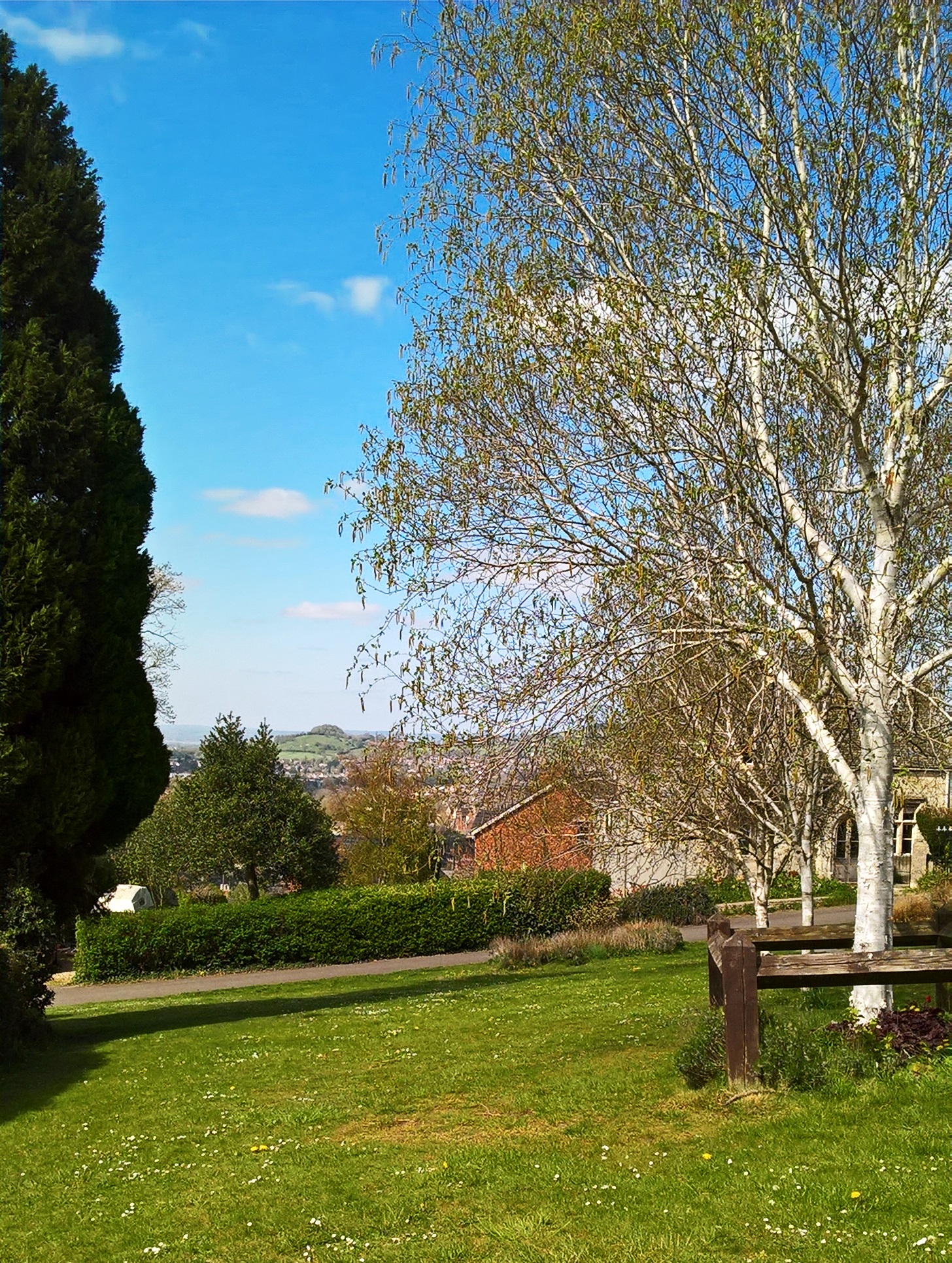
It's the sensory difference that makes an impact on me. Here in Stroud we have none of what Indians must experience: no smell of bodies burning on open fires; no plume of smoke drifting from crematoria across the neighbourhood; no threat of jostling crowds; no wailing grief outside hospitals as relatives die through lack of available treatment; no clamouring bustle of the hopeful in oxygen queues. It's the absence of all these that makes us blessed. |
||||||||||||||||||||||||||||
|
Saturday 24th April |
||||||||||||||||||||||||||||
BBC: "Dominic Cummings launches attack on Boris Johnson's 'integrity'".
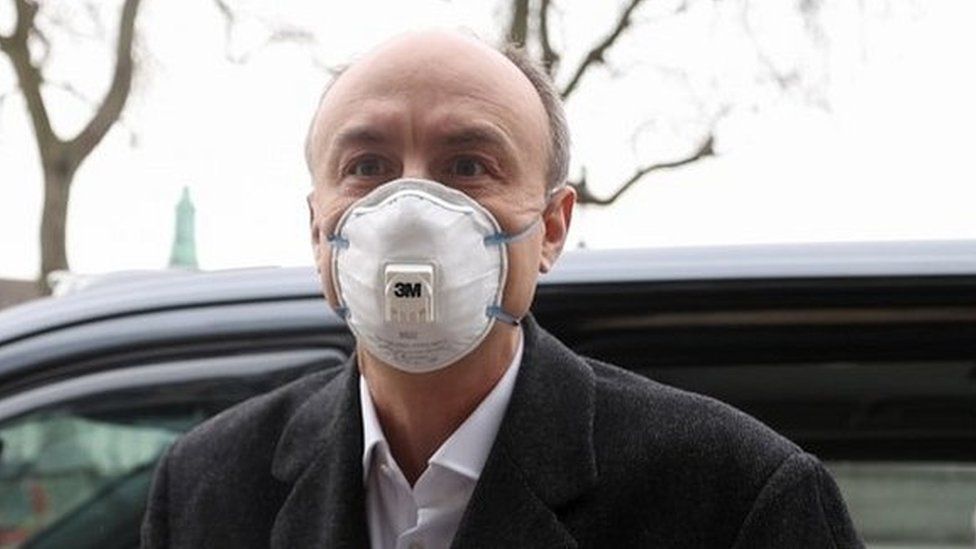
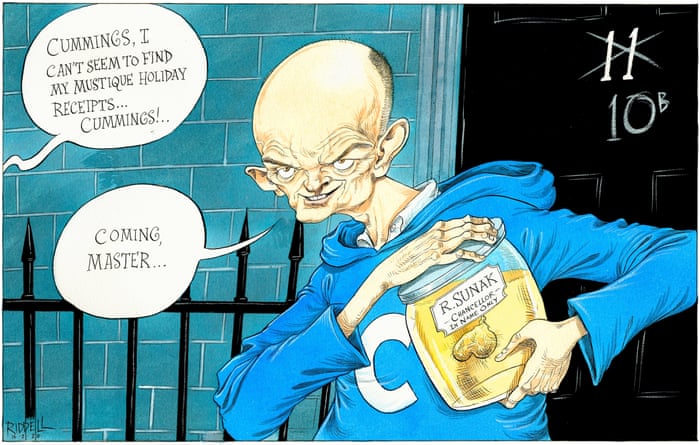
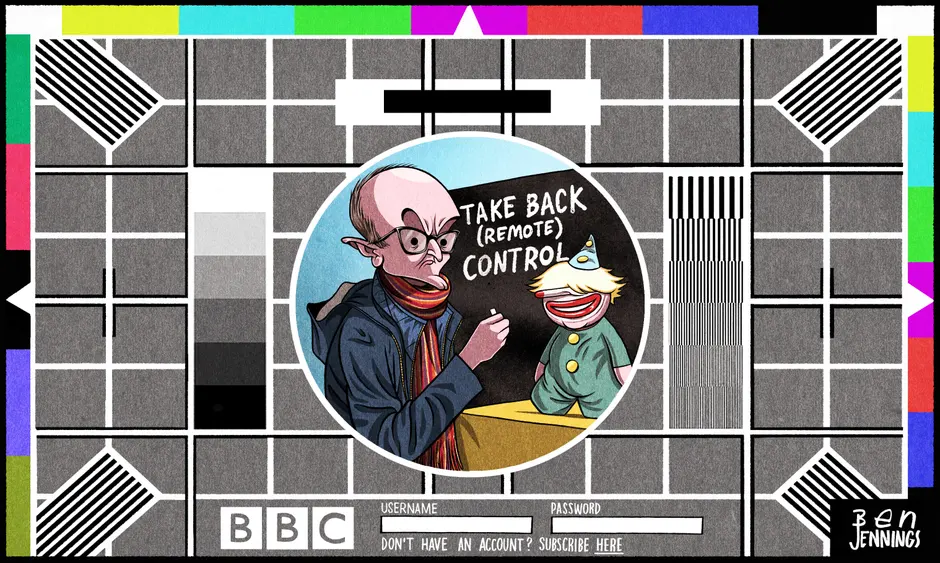
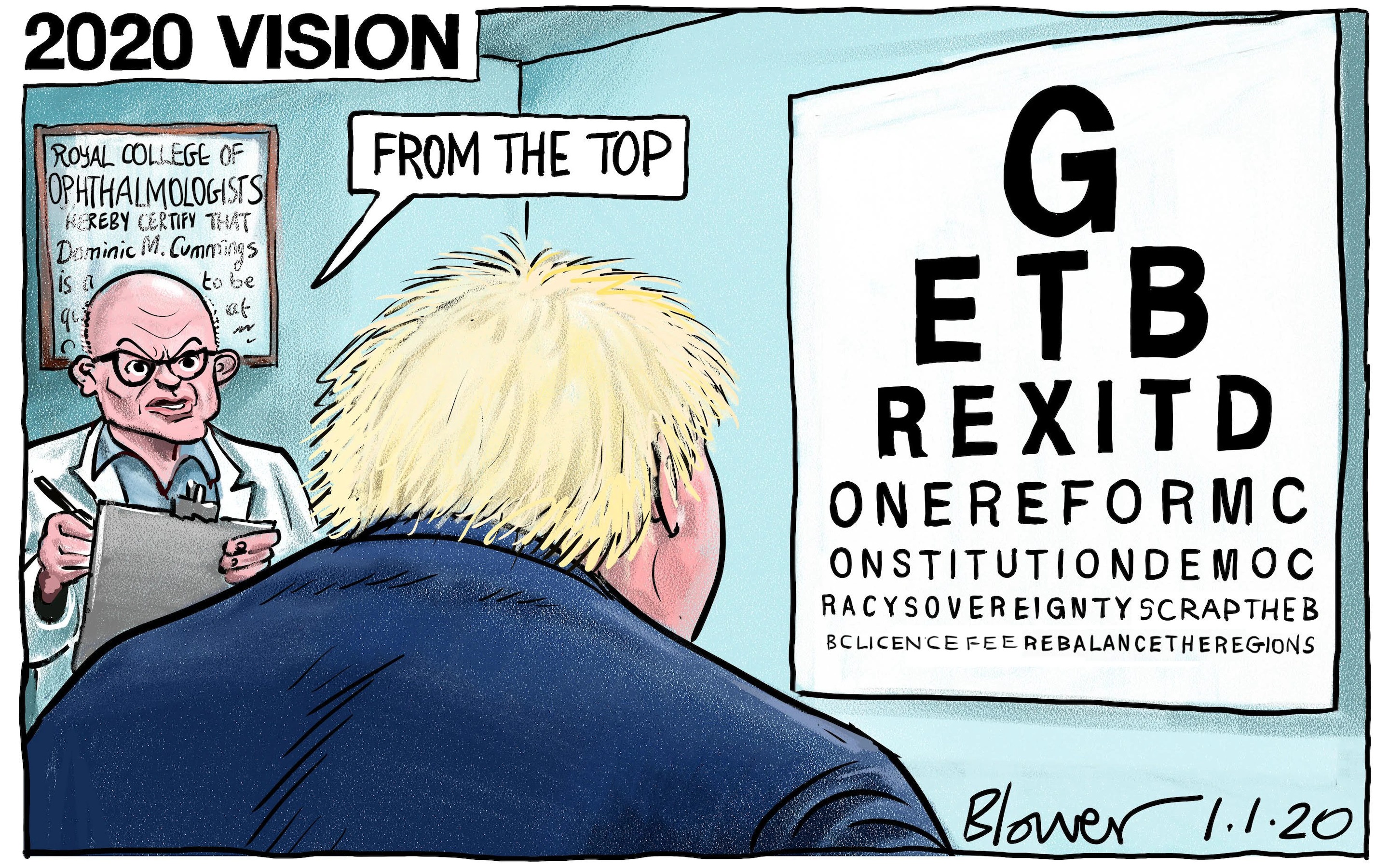
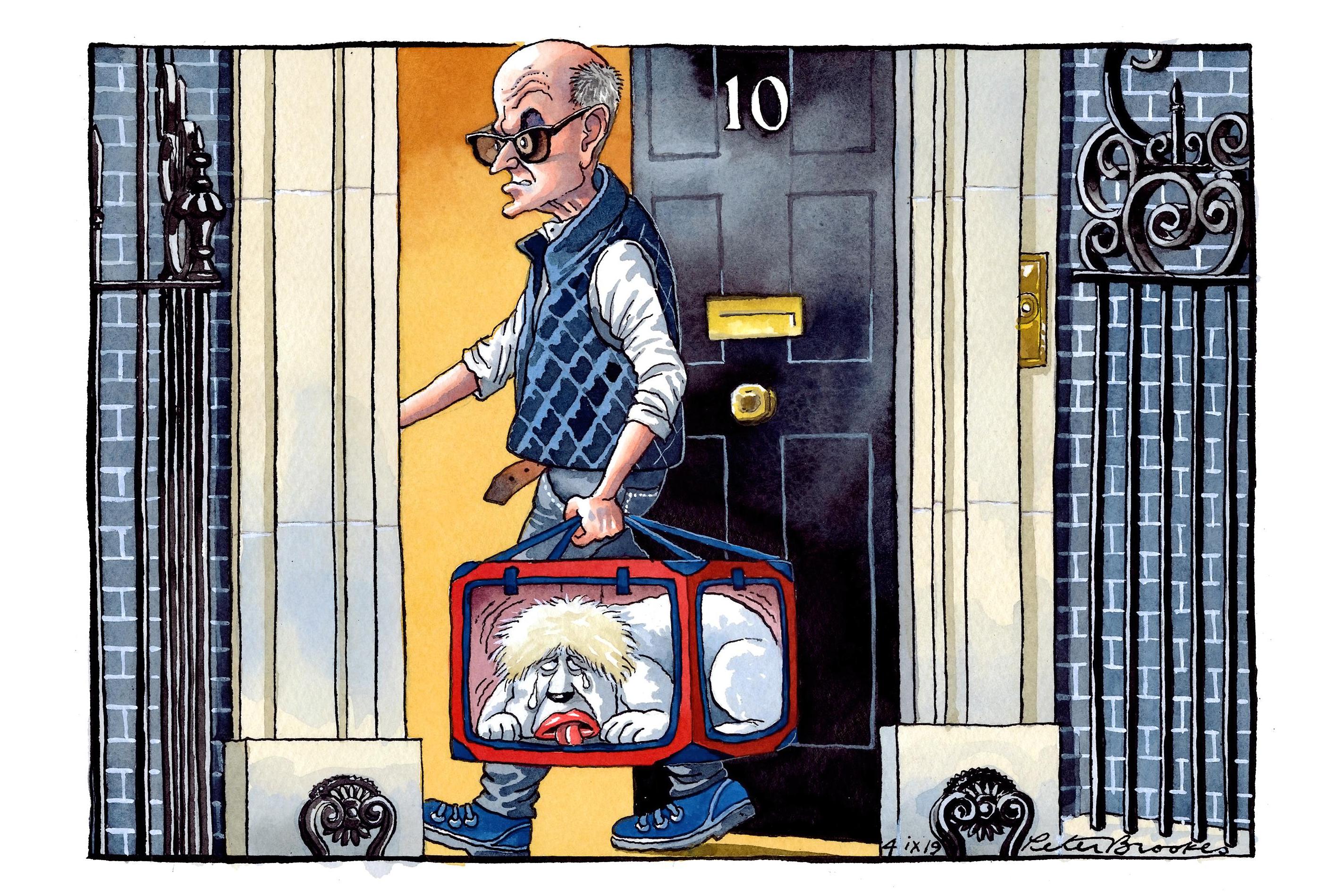
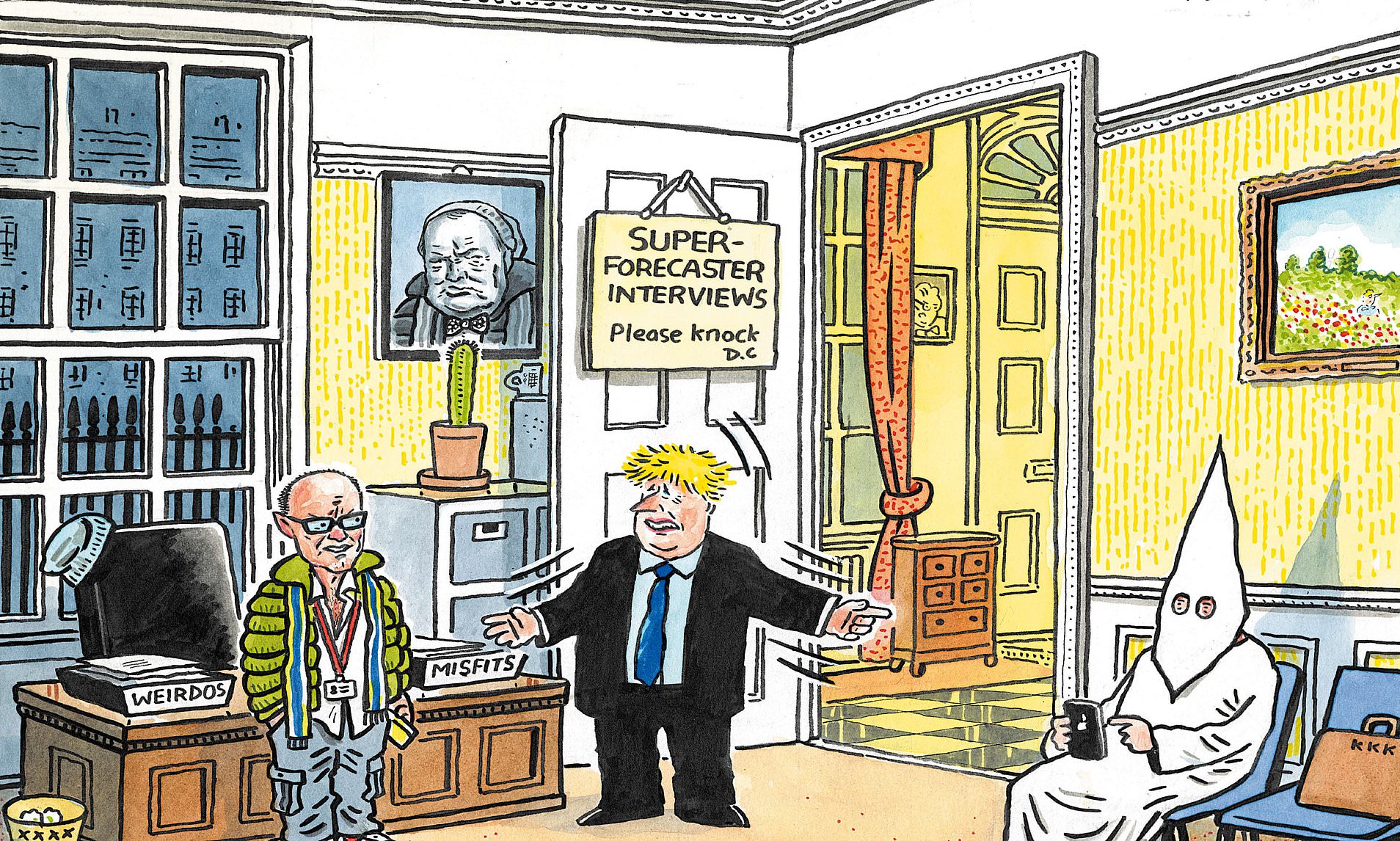
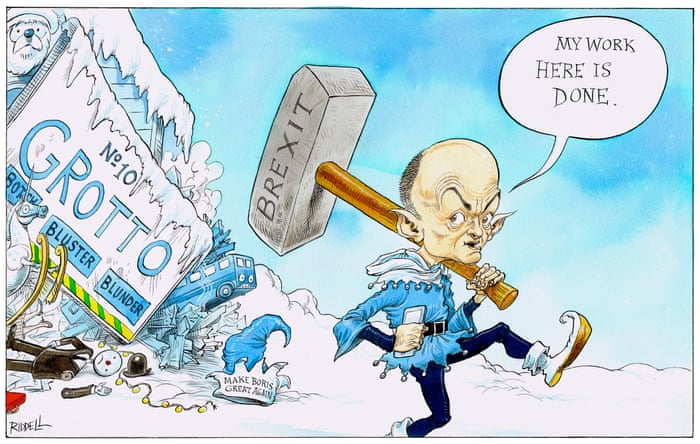
|
||||||||||||||||||||||||||||
|
Friday 23rd April |
||||||||||||||||||||||||||||
|
Another glorious day in the Stroud valleys. Covid numbers still low with just a slight upwards blip in the last few days. 14 cases per 100,000 people in the latest week 12 - 18 April.
Spare a thought for India. It recorded 314,835 new coronavirus cases in the past 24 hours. Deaths rose to 2,104. 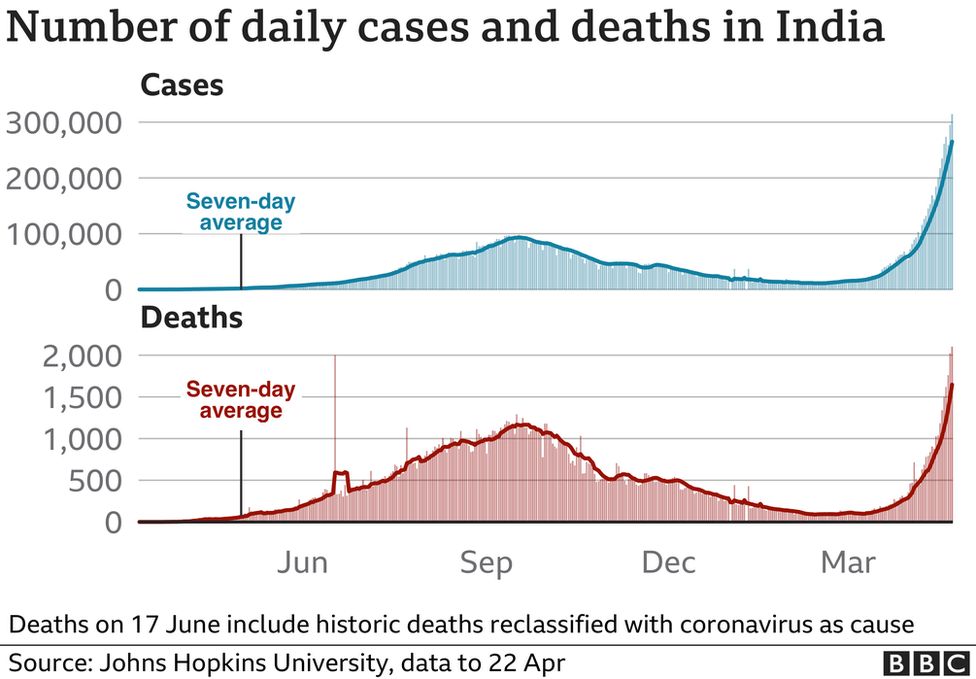
|
||||||||||||||||||||||||||||
|
Thursday 22nd April |
||||||||||||||||||||||||||||
Still not free to blog today, but this is worth celebrating. Grandson Marlie has had a radical easing-of-lockdown new haircut 😍

Here's another configuration: 
Uncle Nikko visiting from Vienna is re-united with his nephew Marlie and niece Lola: 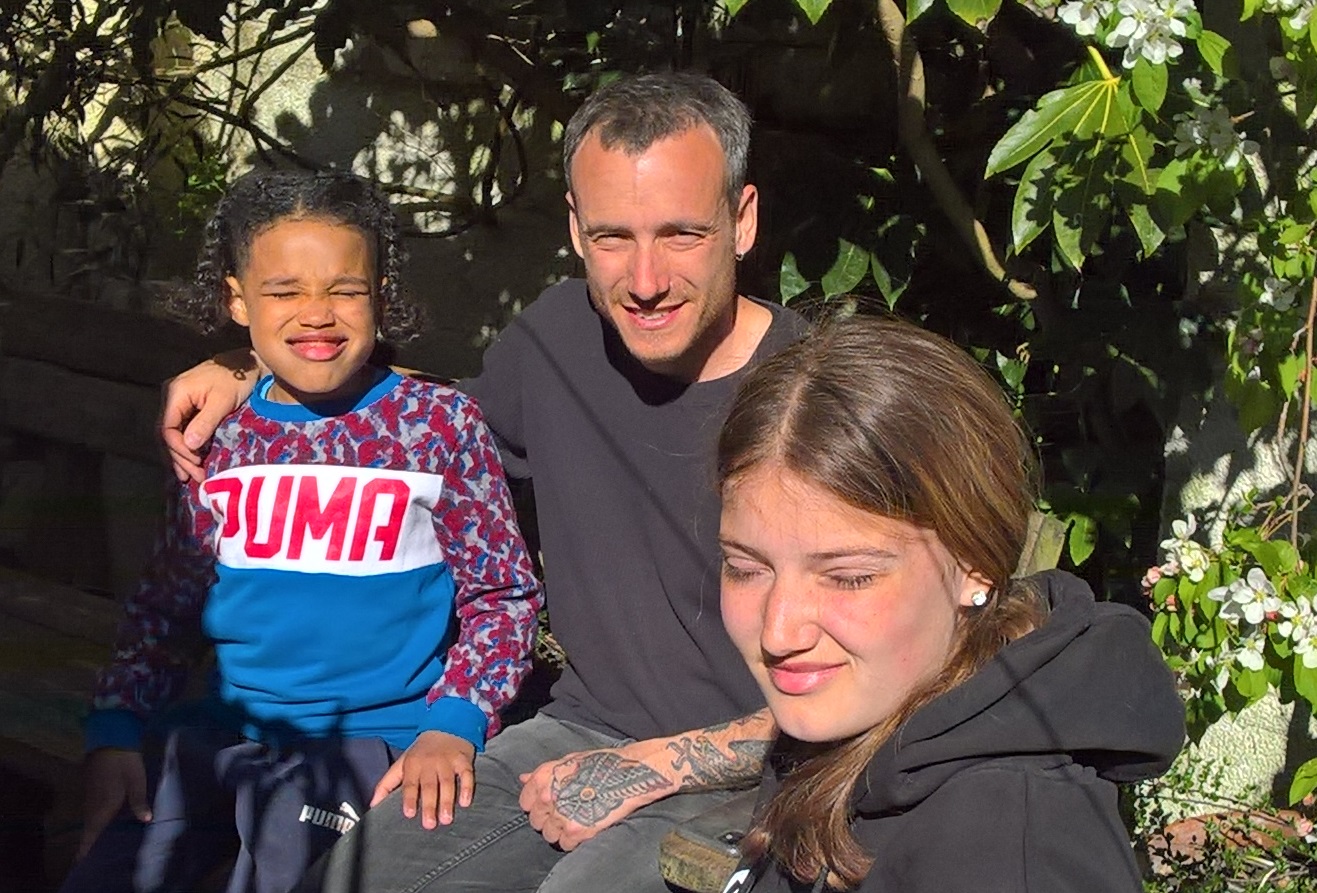
|
||||||||||||||||||||||||||||
|
Wednesday 21st April |
||||||||||||||||||||||||||||
|
I'm having to call a halt to blogging for a few days. Too much life going on. Family stuff, voluntary projects suddenly time-consuming, clearance for spring visit to Pyke Quarry tip 🚛
Also, my research into testing has proved quite frustrating. There is so much information out there, some very simple ("stick a swab up your nose") and some unbelievably scientific (RNA versus DNA, deoxyribose sugar, phosphate backbone, adenine, guanine, cytosine, thymine bases ... believe me, it's dense stuff). Countless YouTube animations about how a PCR test works, none of them really hitting the spot. What do you make of this PCR fact sheet from the National Human Genome Research Institute (NHGRI)? 
When I get back, I will persist ... or abandon the whole thing and return to royal funerals 😉 |
||||||||||||||||||||||||||||
|
Monday 19th April |
||||||||||||||||||||||||||||
|
Covid tests are flying out at us at the moment. We've had the news of surge tests in Lambeth. Sports venues are opening up to the fans in the roadmap experiments as long as they can prove negative results. Returning from Bristol yesterday evening the "managed motorway" signs on the M4 warned freight hauliers of the need to comply with the regulations. There are adverts on television promoting NHS tests. Our son Nikko is flying into Heathrow from Vienna today and will be faced with providing evidence of testing, even being tested right there. It's very likely he's going to be stuck in a long queue. [In fact he was only detained for two hours, his paperwork was scrutinised, he didn't have to take a test.]
What are these varied tests? I only have a vague idea. Do you know? I was tested a couple of times in hospital last year but I have no firm grasp of what kind they were. If you're better informed than I am please skip this piece; indeed, send me an email to explain. Time to start digging. I'll post what I find later. [Some hours later ...] OK, I'll give it my best shot. The terms I have most often seen are PCR, lateral flow and surge. The first step is to understand the distinctions between types of test. One broad difference is a kind of "pre" and "post" split: those that diagnose the presence of the Covid virus when you suspect you are infected, may be in need of treatment and could be a risk to others, against those that check for antibodies further down the line to see if you've had coronavirus before. Then there's the separation between tests for those with symptoms and those without. Around 1 in 3 individuals with COVID-19 do not display symptoms. [Detail still to come ... looks like it'll be tomorrow now ... son Nikko has arrived to quarantine ... cooking demands my attention ...] |
||||||||||||||||||||||||||||
|
Sunday 18th April |
||||||||||||||||||||||||||||
|
This is my last post (no pun intended - or maybe it is - on the military bugle lament played by the Royal Marines during the service) about the Duke of Edinburgh's funeral.
The press and TV coverage has been copious. The Mail on Sunday today has 16 pages devoted to the event. Why is the nation so gripped by Philip's passing? Respect for a no-nonsense man with a fierce commitment to duty in the service of Queen and country. Sympathy for his wife of 73 years. Nostalgia, a harking-back to the days of Empire? A celebration of the qualities that made Britain "Great"? A regret that these qualities have faded? Curiosity about the royal family internal wrangles. A brilliantly organised pageant outside of military bands, precision itself. The BBC has a diagram of the attendees in St. George's Chapel. It says a lot. 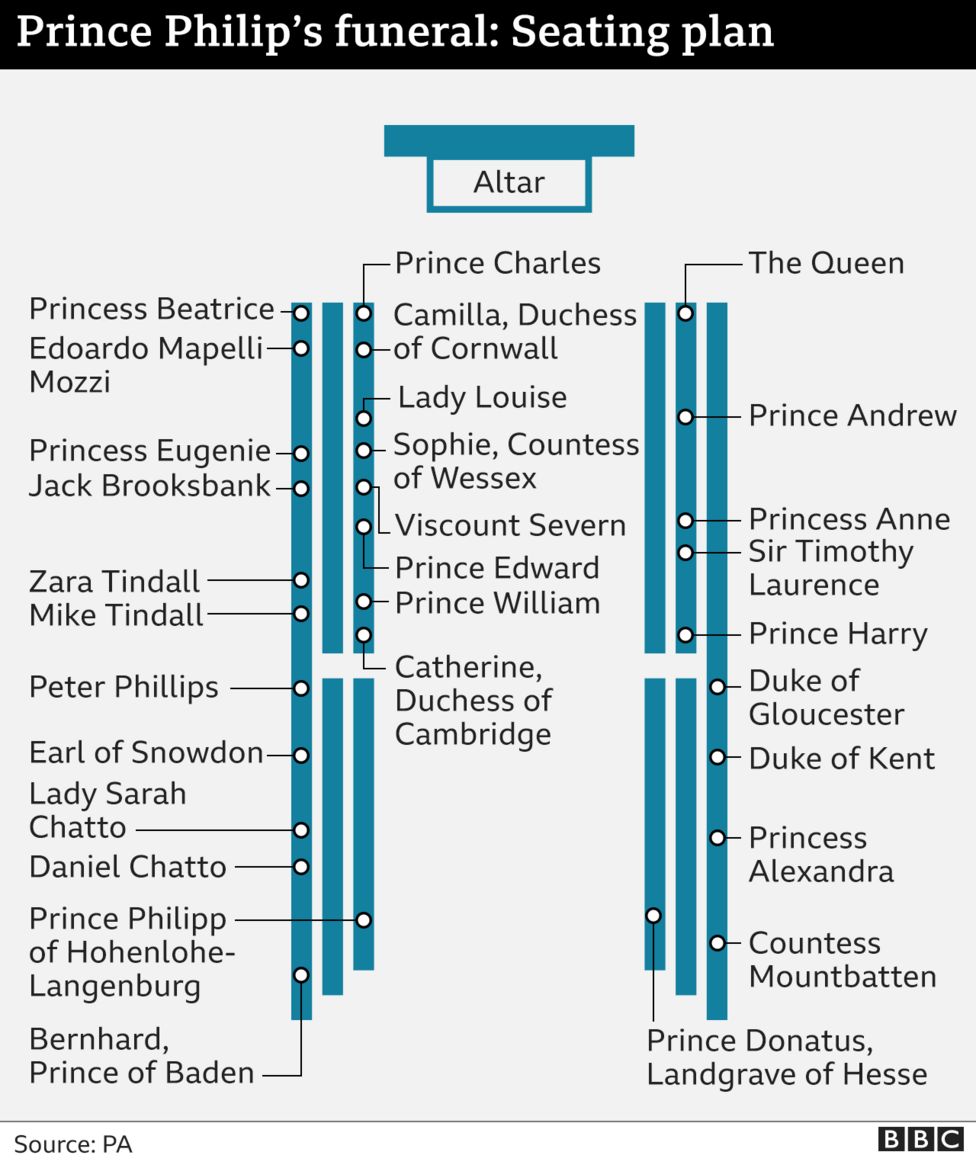
What do we see? The Queen bravely alone in her loss. Family members, brought together and re-united in sorrow, or awkwardly separated? Respect for Covid observance, distance and masks, an example being set. Harry on his own. Andrew isolated, an embarrassment? The German relatives. A group assembled by privilege and inheritance rather than merit. Mike Tindall is forgiven of course as a member of the England winning team at the 2003 Rugby Union World Cup. |
||||||||||||||||||||||||||||
|
Saturday 17th April |
||||||||||||||||||||||||||||
It's warming up here in Stroud for the local elections on May 6th. Leaflets are dropping on the doormat. The Green Party is popular here, witness the flyer below.
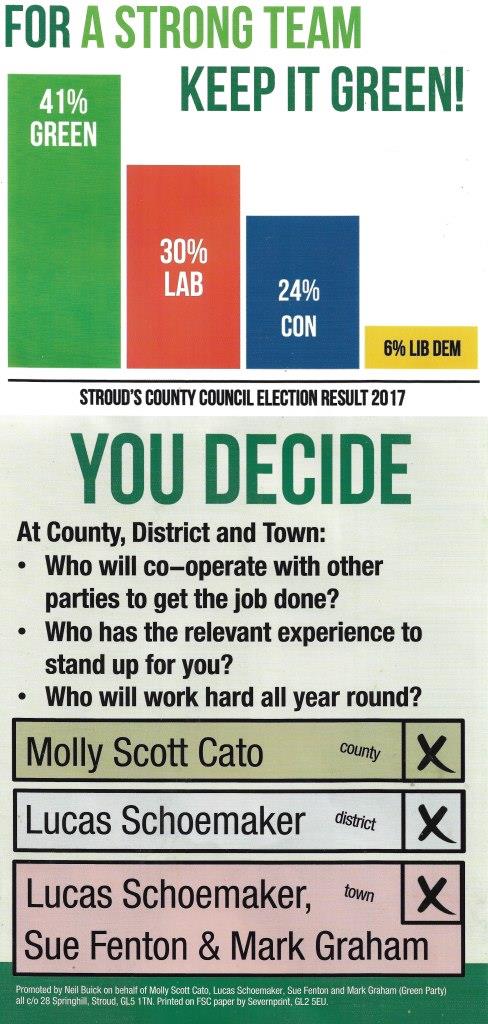
We live in Trinity Ward in old Stroud. It's the heart of the Greens in Gloucestershire, nicknamed the "Muesli Belt", dense with what our son Nikko calls "Yoghurt Weavers". This election is a landmark moment in the ward and in the town; our legendary Green councillor and many-times mayor John Marjoram is not standing this time. 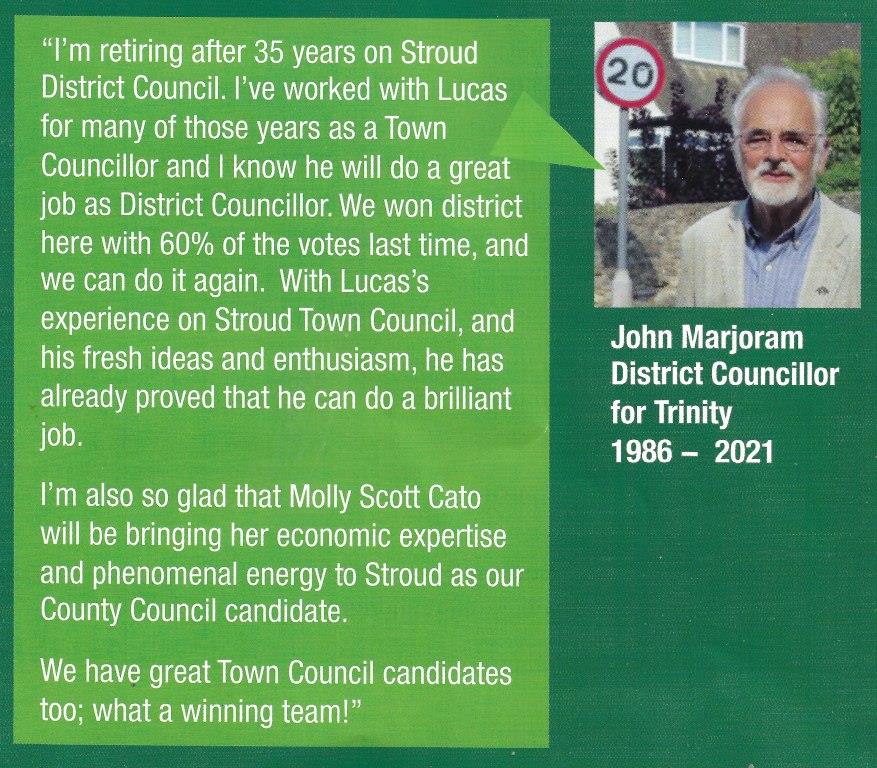
The Greens are certainly first out of the traps. Their posters and boards are already the most prominent round here. The flyers are lively and striking with plenty of candidate photos. 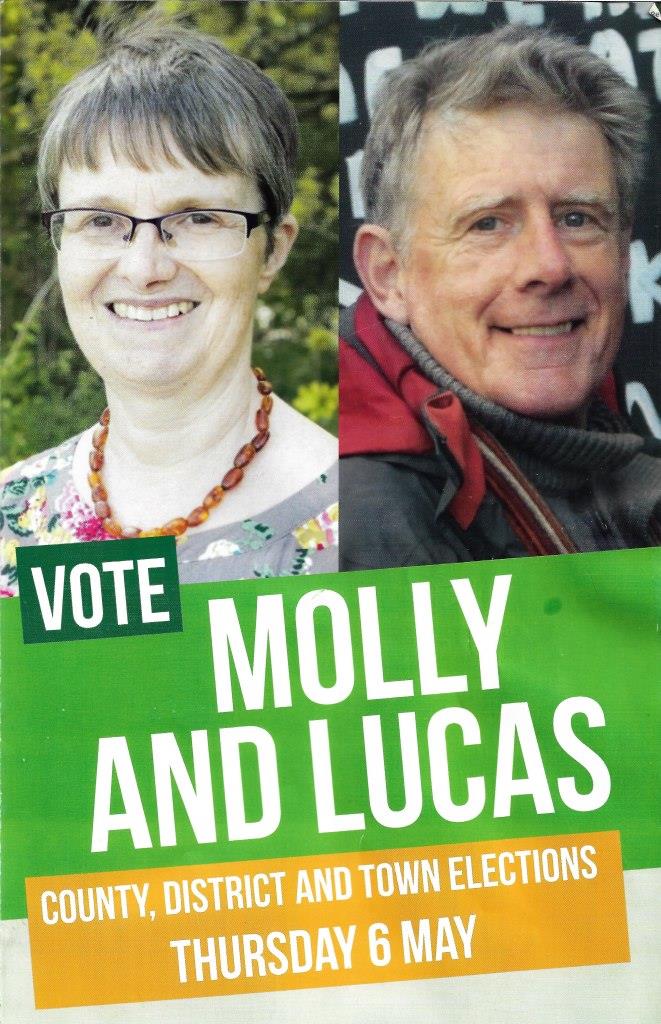
The only other leaflet we've received so far is from the Labour Party. In comparison with the Green promotional material it's disappointingly dull. I'm surprised to see that our long-serving and committed Labour ex-MP David Drew is still involved. I thought he'd retired from the scene after the 2019 General Election. 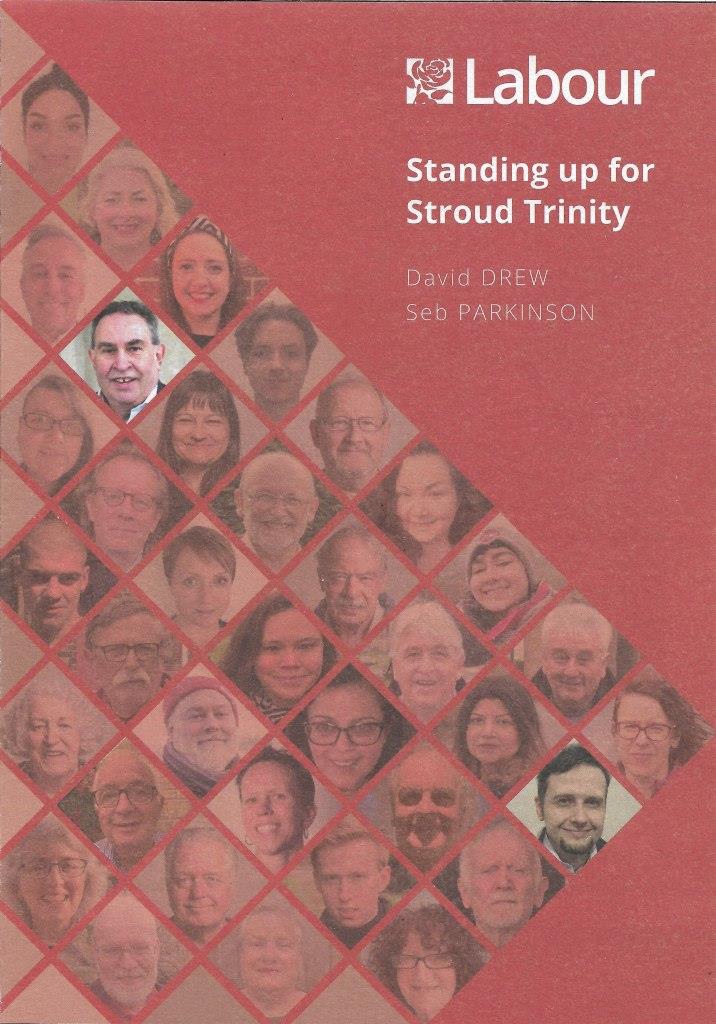
Nothing from the Conservatives yet. Where is our MP Siobhan Baillie? We haven't had a whisper out of her since the General Election, in complete contrast to David Drew who was present everywhere during his terms of office, always in there amongst us: public meetings, arts events, on the terraces at Forest Green Rovers. It's logical but quite strange to see the key issues. No national topics like Covid and Brexit, the dominant themes of this last year. It's all local: campaigning for the proposed Stoudwater railway station (easier to get to Bristol, hurrah!), pothole repairs, brambles on the canal towpath, residential car speed restrictions. The Greens do have something on promoting Black Lives Matter. |
||||||||||||||||||||||||||||
|
Friday 16th April |
||||||||||||||||||||||||||||
|
The papers are full of detail about the plans for Prince Philip's funeral tomorrow. What has struck me is the contrast between his "stateless" (his word) origins and his later position as the "Grandfather of the Nation" (Prince Andrew's words).
Born a Prince of Greece and Denmark, his early life was fragmented, often lonely, unsettled until he discovered a "home" at Gordonstoun School in 1934. His father Prince Andrew was banished from Greece for life by a revolutionary court in 1922. The British naval vessel HMS Calypso evacuated the family from Corfu with eighteen-month-old Philip carried to safety in a cot made from a fruit box. Philip was first educated at The Elms, an American school in Paris where the family had briefly settled. He was sent in 1930 to attend Cheam School, living with his maternal grandmother Victoria Mountbatten (by birth Princess Victoria of Hesse and by Rhine) and his uncle George Mountbatten. In 1933 he went to Schule Schloss Salem in Germany, owned by the family of his brother-in-law Berthold Margrave of Baden. In 1937 his sister Cecilie, her husband Georg Donatus Hereditary Grand Duke of Hesse, her two young sons Ludwig and Alexander and her mother-in-law Princess Eleonore of Solms-Hohensolms-Lich were killed in an air crash at Ostend. 16-year-old Philip attended the funeral in Darmstadt. Both Cecilie and her husband were members of the Nazi Party. These early connections are represented by three guests at Saturday's funeral: Bernhard Hereditary Prince of Baden, Prince Donatus Landgrave of Hesse and Philipp Prince of Hohenlohe-Langenburg. 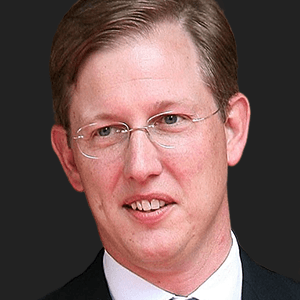
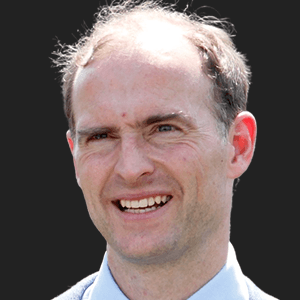
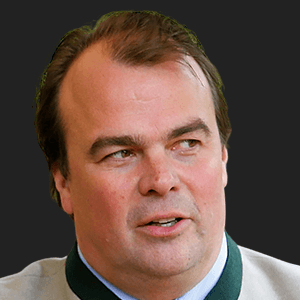
Philip's Britishness is reflected in the customised Land Rover Defender TD5 130 that will carry his coffin to the ceremony. The Duke collaborated on creating the bespoke Solihull-built hearse for 16 years starting in 2003. His modifications included the open top rear section with special "stops" to secure his coffin and the military "dark bronze green" colour. 
It's not a flashy vehicle, is it? Land Rovers have always featured in the Queen's and the Duke's life. OK, the company was acquired by the Indian multinational conglomerate Tata Group in January 2008, but the symbolism remains. It's the car in which the Queen is most likely to be seen driving and the vehicle (a Freelander) in which Philip had his last accident outside Balmoral in January 2019 before surrendering his licence. Practical, a workhorse on the land, muscular, fit-for-purpose, military associations. No frills, as Philip would have liked. Meanwhile, the Sun newspaper has of course chosen a scurrilous theme, a chink in the royal unity: 
|
||||||||||||||||||||||||||||
|
Thursday 15th April |
||||||||||||||||||||||||||||
|
One of the pleasures of writing this blog has been discovering ideas and theories behind the news. I'm pleased to see that the Swiss Cheese Model has appeared in the press. It describes accident causation and is often used in aviation, engineering and healthcare, likening failure in human systems to multiple slices of Swiss cheese stacked side by side through which the risk of a threat becoming a reality is mitigated by the defences layered behind one other.
The theory was originally put forward by James T. Reason of the University of Manchester in his 1990 book "Human Error." It was prompted by a succession of disasters including the Challenger shuttle explosion, Bhopal and Chernobyl. It had nothing to do with the current pandemic. His original diagram didn't mention cheese: 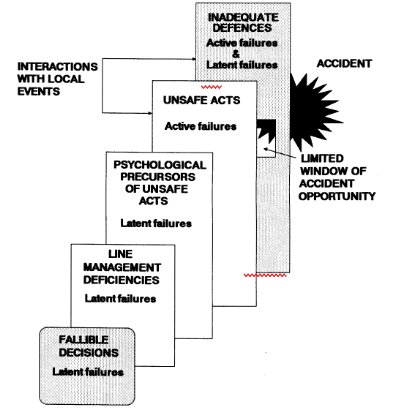
The idea was that you can build multiple layers of defence to protect from an accident. Unfortunately every layer has weaknesses (holes) which vary with time. Eventually the holes line up and the threat can get through. It was a virologist at the University of Queensland, Professor Ian M. Mackay (see his website here  ), who adapted the model for viruses and popularised the Emmentaler analogy (click on graphic to enlarge): ), who adapted the model for viruses and popularised the Emmentaler analogy (click on graphic to enlarge):
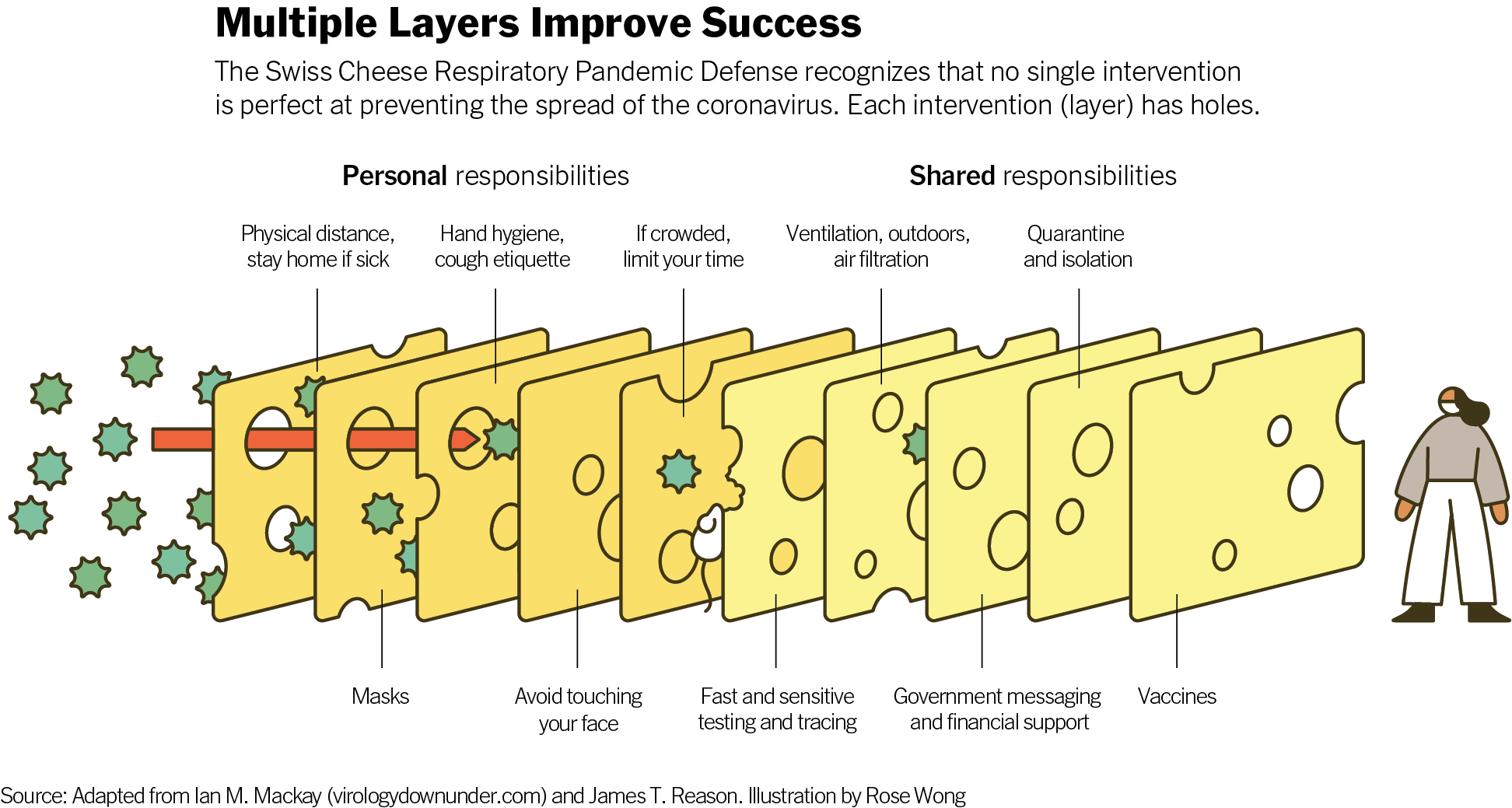
This graphic has been reproduced in many languages as befits a global phenomenon. I particularly like the Sinhalese version (click to enlarge): 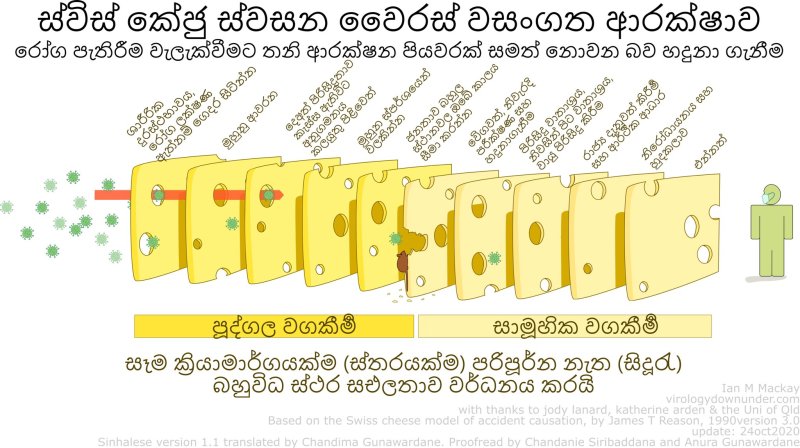
The lesson for our struggle against Covid is clear. You need a range of defences and you must use them all. No single protection is enough. Each has flaws. It's not sufficient to trust that vaccines will provide the solution on their own. We all have a part to play. I like the concept of "personal" and "shared" responsibilities in the diagram. I see the trajectory of our experience in Mackay's comment: "Something else noted by Reason is the impact of leadership pressure as a cause of big failures or aligned holes. Pressures that include needing to meet deadlines and to cut costs. In the case of COVID-19, I'd argue a driving pressure was to get back to making profits and to restore individual freedoms at the expense of societal safety and protecting those who made our current lives possible; our parents. Wherever restrictions were dropped while lots of cases still circulated, a surge was sure to follow. It usually only took a holiday or a seasonal change or life as usual to fan those embers into another bushfire." The latest version of Mackay's graphic (click to enlarge) adds two more dimensions: border controls and the "misinformation mouse". The latter gnaws away at truth and science, nibbling at the cheese layers that are meant to protect us. I immediately think of Bolsonaro and Trump, of anti-vaxxers and Covid deniers. Mackay explains the significance of the mouse: "It's a symbol of the erosion caused by niggly sowers of lies or simply non-expert opinion. These 'mice' often provide a sort of comforting wrongness that rings true for those who are overwhelmed by the scope and complexity of a pandemic's many facets. These poisonous pests can undermine actions needed to save lives and protect health and livelihoods. They are not your friends. In some instances, the views are held by national leaders and the consequences are many more preventable deaths." 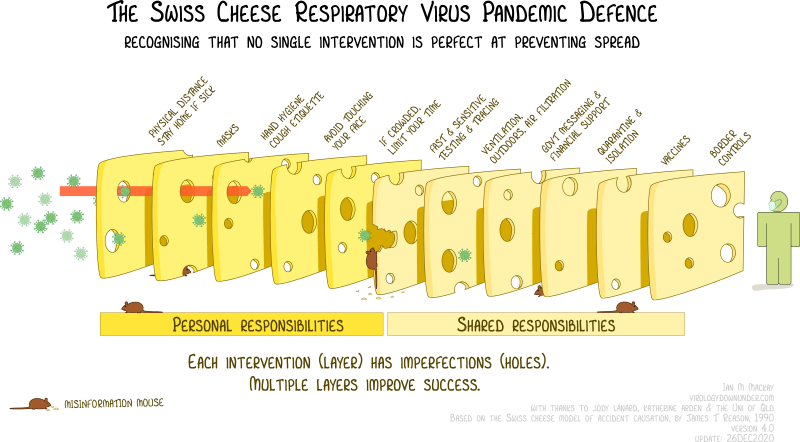
|
||||||||||||||||||||||||||||
|
Wednesday 14th April |
||||||||||||||||||||||||||||
|
I was completely wrong (Tuesday 6th April) when I swore that Boris was going to be on the front pages yesterday downing the road-to-freedom pint of ale he promised in the press briefing. I was convinced it was a racing certainty. Not so. I haven't found a single photo. Last Saturday I 'phoned our local Ladbrokes to get odds on a picture appearing in at least three national dailies. They were closed and I was routed to a customer helpline. The woman there was uncertain that they could offer me a price but promised that someone would call me back. Nobody ever did. Just as well. I suspect Boris decided that such a photo-opportunity could get him into deep water, that he would be seen to be encouraging and condoning the mass midnight drinking that we have witnessed. If so, a good decision. I worry that he is developing sound judgement 😉
Yesterday morning my friend Alf Florio and I had our first meeting for months, in the glorious sunshine on the bench outside the Bisley House pub opposite. Delightful to be with Alf again. Towards the end of our conversation I really went off on one, an extended story about my Italian friend Carlo. I think it's the release from full lockdown. I have spent so little time talking with people, no time at all in company. Suddenly all my interior dialogue of the last year came out in a rush. I'd had a related experience last Wednesday over tea in the garden of our friends Fod and Clare on their hillside in Amberley. It was great to see old mates, yet it all felt quite unusual, like I was out of training, as if I'd subtly mislaid the knack of being in a group. My daughter Ellie said to me earlier this week, "We've all lost our social skills, haven't we?" I saw my friend Steve Lund walking down Middle Street in the afternoon to his barman job at the local Golden Fleece pub. I asked if they had been busy on Monday night. "Rammed", he replied. All out in the little back garden. There's a disturbing hint of a backwards step in the news that surge testing has begun in Wandsworth and Lambeth after an outbreak of the Covid-19 variant first identified in South Africa. Professor of Immunology at Imperial College Danny Altmann expressed his worry: "It was always one of my nightmare scenarios that just as we were being coaxed to put a toe in the water of unlocking, something like this might come along that could really scupper our plans if we let it get out of control. There's so little margin for error. You only have to miss a handful of cases and have them run riot through London and you're back where we were in January or February 2020 with a whole new outbreak." Up to the cemetery for the last sun. My dream: a bike and a bench 🌞 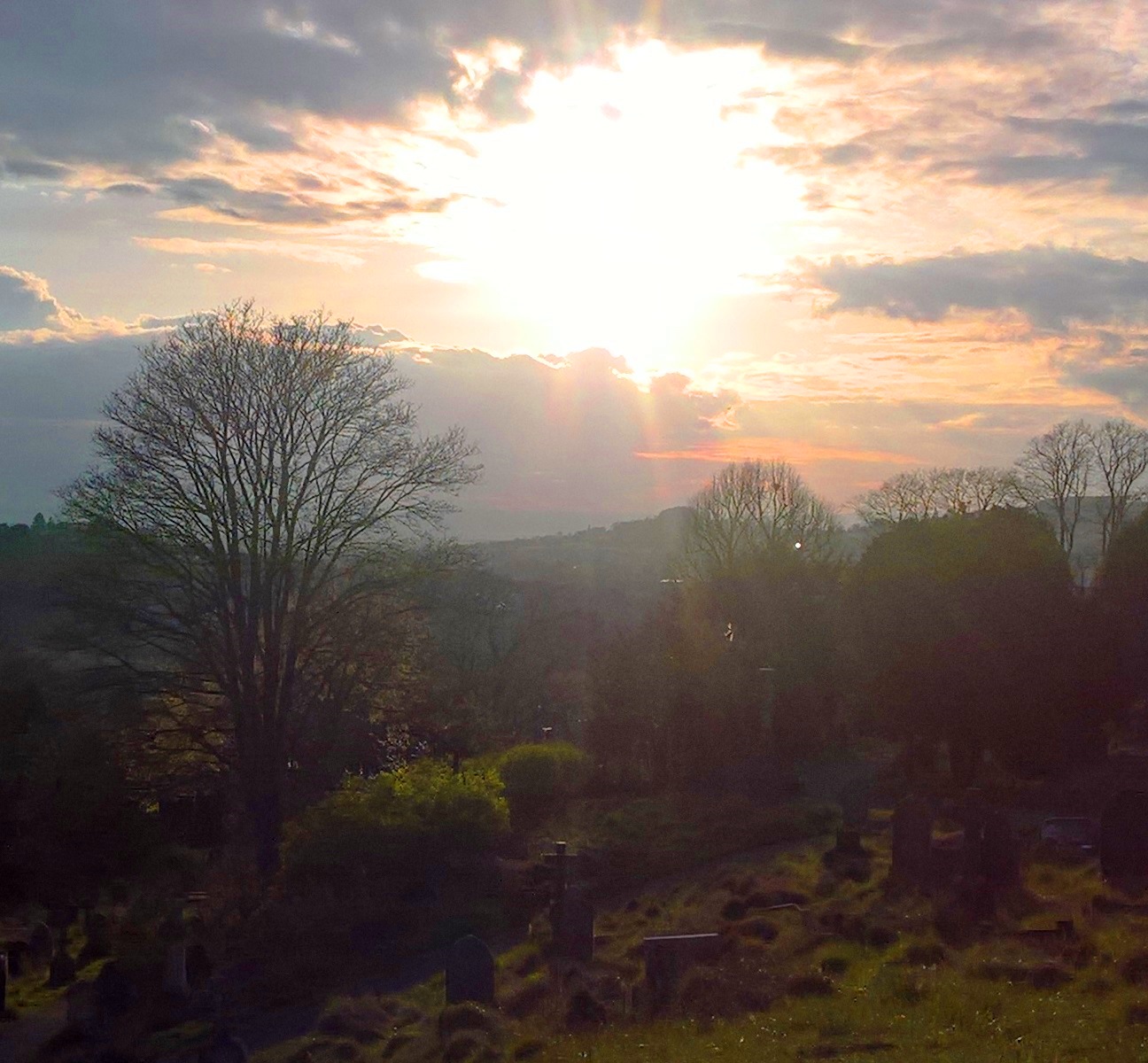
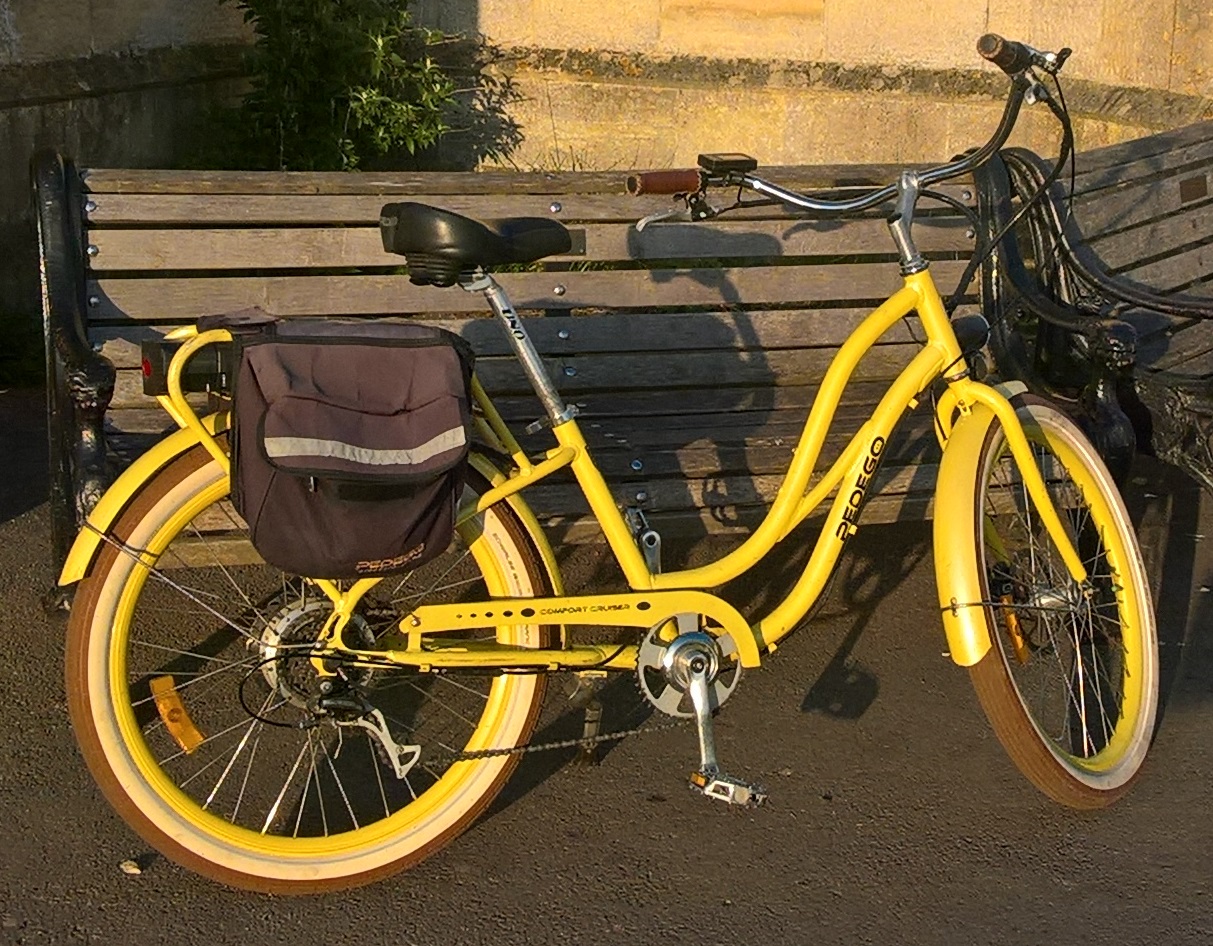
|
||||||||||||||||||||||||||||
|
Tuesday 13th April |
||||||||||||||||||||||||||||
I'm even grumpier today. I don't believe that yesterday's celebratory Step 2 drinking boom can end well. Too much euphoria too soon. The data analysis in a month will tell us. I'll be very happy to be proved wrong.
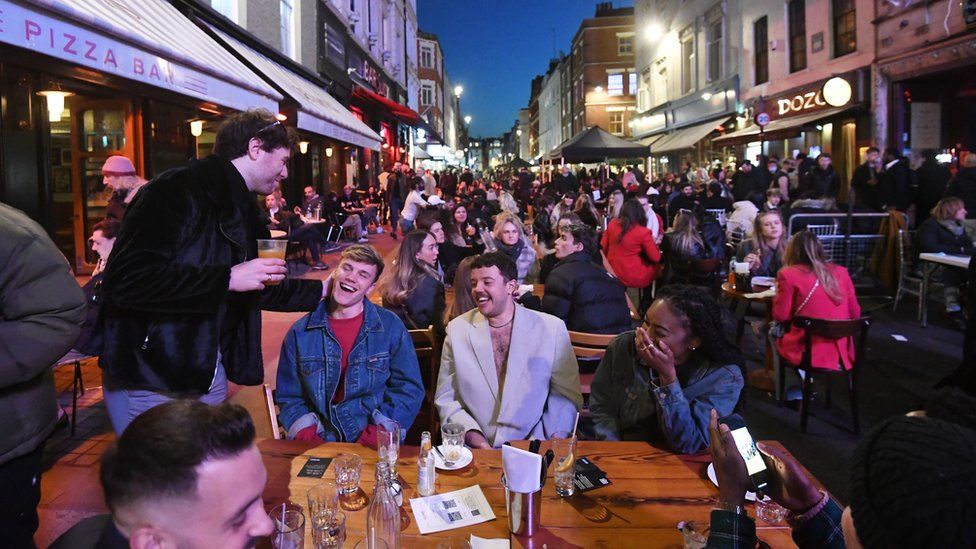
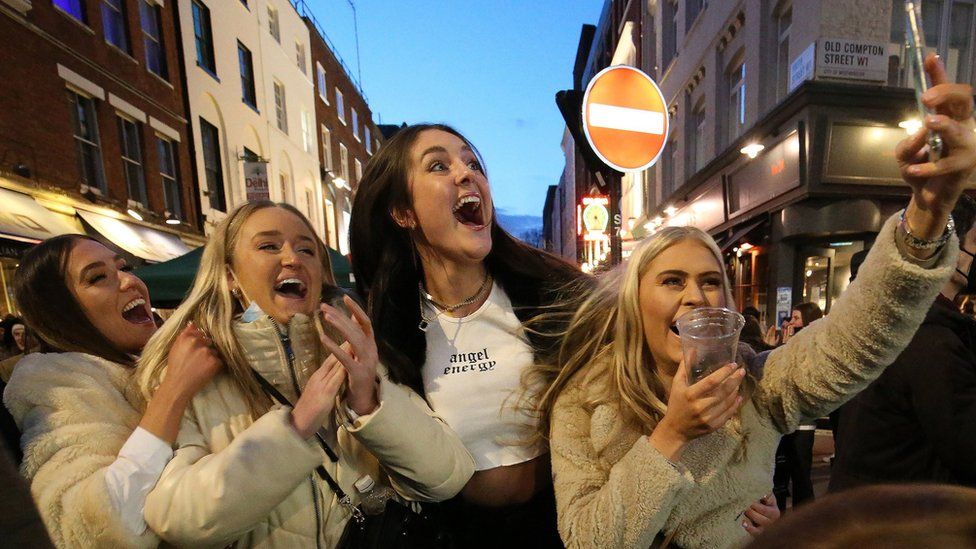
Prince Philip's funeral will be held at St George's Chapel Windsor at 15:00 BST this coming Saturday 17 April. The coffin will be draped in his personal flag, known as his Royal Standard, representing four elements of his life. I'm gratified that they match those I blogged last Saturday. 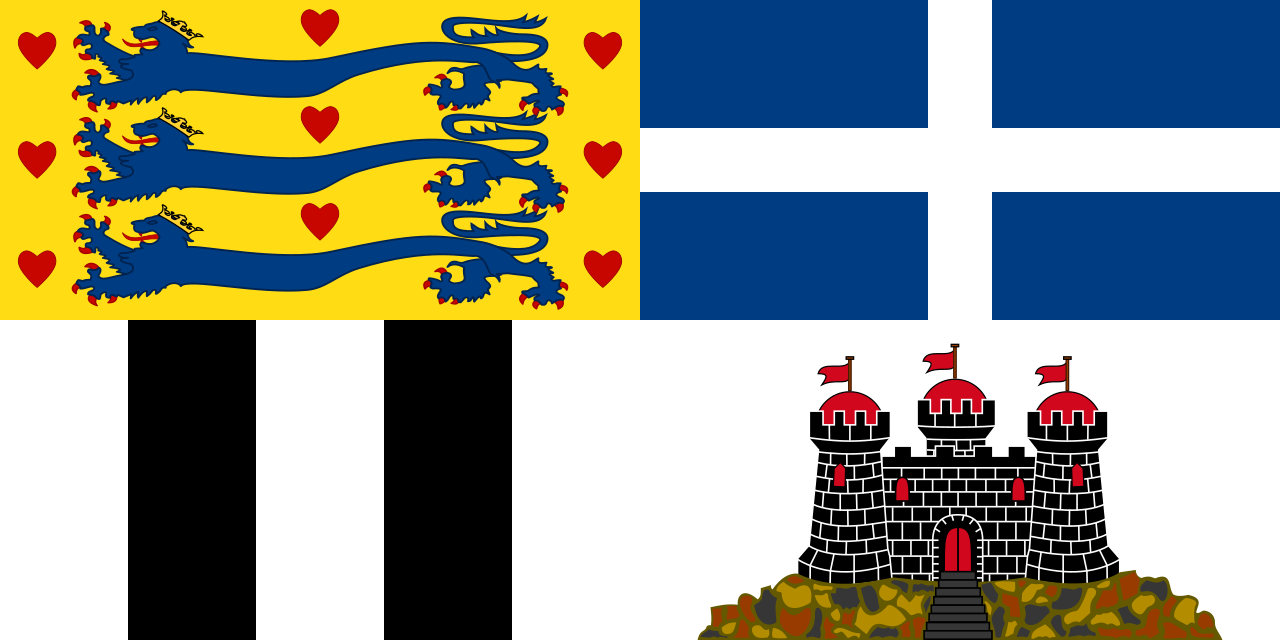
Clockwise from top left: three lions and hearts from the Danish coat of arms; white cross from the national flag of Greece; castle representing Edinburgh after his title; black and white stripes from the coat of arms of the Battenberg/Mountbatten family. |
||||||||||||||||||||||||||||
|
Monday 12th April |
||||||||||||||||||||||||||||
|
Boris declared yesterday that the rule relaxations were "a major step forward in our road map to freedom. I'm sure it will be a huge relief for those business owners who have been closed for so long, and for everyone else it's a chance to get back to doing some of the things we love and have missed. I urge everyone to continue to behave responsibly and remember 'hands, face, space and fresh air' to suppress Covid as we push on with our vaccination programme."
It looks like his advice fell on unhearing ears in the queue outside the Oak Inn in Coventry and among midnight drinkers at the Kentish Belle in Bexleyheath. 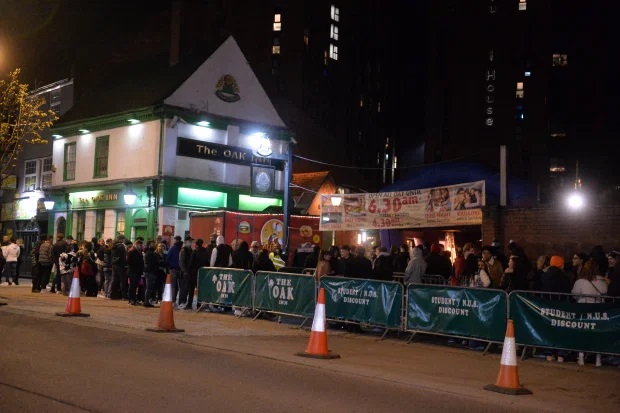
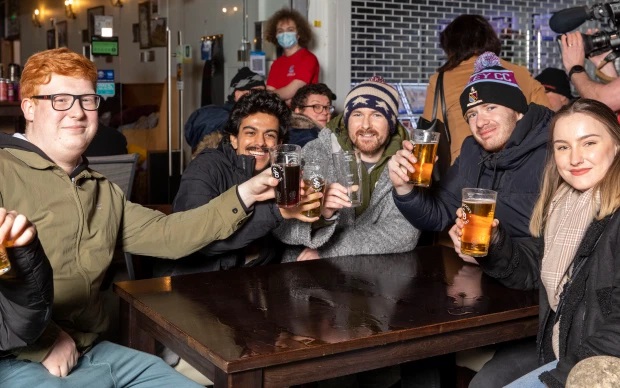
I'm definitely Mr. Grumpy of Stroud this morning. As Boris says, it is a huge relief for business owners, but is it really necessary to go out in numbers to get a pint just minutes into Step 2 of the roadmap? I can see that it's a bit of a lark but it doesn't augur well for continuing successful Covid control. Sixty years ago today Yuri Gagarin became the first man into space. Oh dear, I remember it very well. The ultimate social distancing. |
||||||||||||||||||||||||||||
|
Sunday 11th April |
||||||||||||||||||||||||||||
While I was bashing Bolsonaro and Trump last Wednesday for their records in tackling coronavirus, I missed part of the message in the chart I posted. Here it is again:
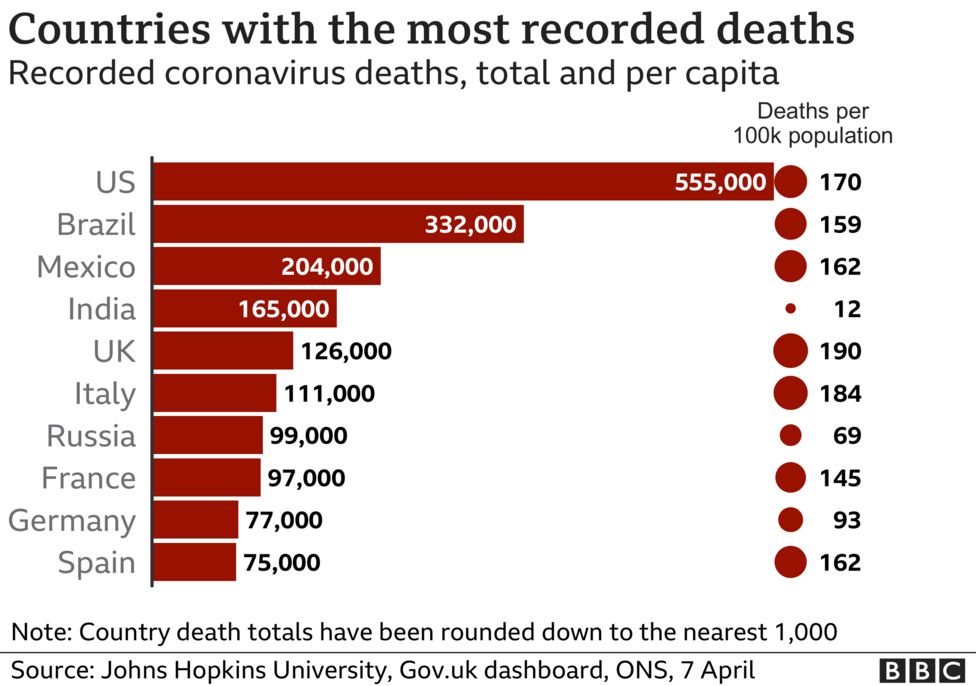
The headline overall deaths condemn the two bully-boys. However, if you order the deaths per 100k population list on the right, you get this: UK 190, Italy 184, USA 170, Mexico 162, Spain 162, Brazil 159, France 145, Germany 93, Russia 69, India 12. It's a reminder of the mire in which Johnson's government was immersed earlier in the pandemic, the days of indecision, delay and U-turn. The country has largely forgotten those times in the glow of the vaccination programme success and reduction of case numbers and deaths. Rob Ford, professor of politics at the University of Manchester, says: "There is a lot of evidence to suggest that during difficult periods people tend to remember the end rather than the start." CNN has this headline: "Boris Johnson could come out of the pandemic smelling of roses." 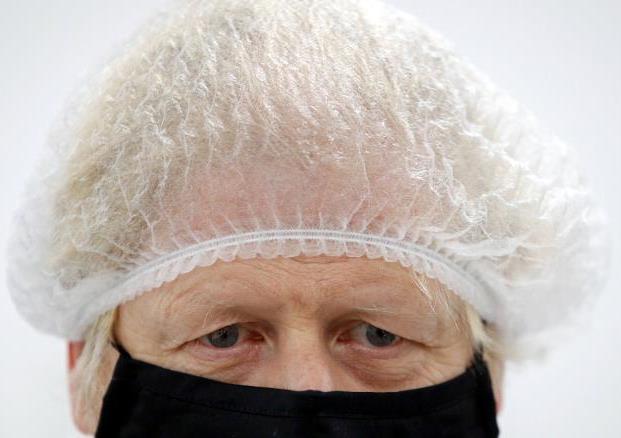
Will Boris smell as sweet after the next stage of the lockdown-exit roadmap? Here's a reminder of what starts tomorrow: Step 2, which will be no earlier than 12 April, will see the opening of non-essential retail; personal care premises such as hairdressers and nail salons; and public buildings, including libraries and community centres. Indoor leisure facilities such as gyms will also reopen (but only for use by people on their own or in household groups); as will most outdoor attractions and settings including outdoor hospitality venues, zoos, theme parks, and drive-in cinemas. Self-contained accommodation such as campsites and holiday lets, where indoor facilities are not shared with other households, can also reopen. Hospitality venues will be allowed to serve people outdoors at Step 2 and there will be no need for customers to order a substantial meal with alcoholic drinks and no curfew, although customers must order, eat and drink while seated ('table service'). Wider social contact rules will apply in all these settings to prevent indoor mixing between different households. While funerals can continue with up to 30 mourners, the number of people able to attend weddings, receptions and commemorative events such as wakes will rise to 15. If the knucklebrains go wild and the positive cases-and-deaths trend turns upwards, Boris will have to eat his "irreversible" mantra. Christina Pagel, professor of operational research at University College London, said: "The government will be back in a position of having to make a political decision on what is an acceptable number of cases and deaths versus not sticking to their roadmap, possibly going back to harder lockdown measures." It's a precarious moment. Up on the bike to the Old Cemetery on Bisley Road this morning, a local nature reserve. The River Severn in the distance to the middle-right. My favourite spring fresh green leaf shoots on the tree in the middle. Click to enlarge. 
|
||||||||||||||||||||||||||||
|
Saturday 10th April |
||||||||||||||||||||||||||||
This is where it all began.
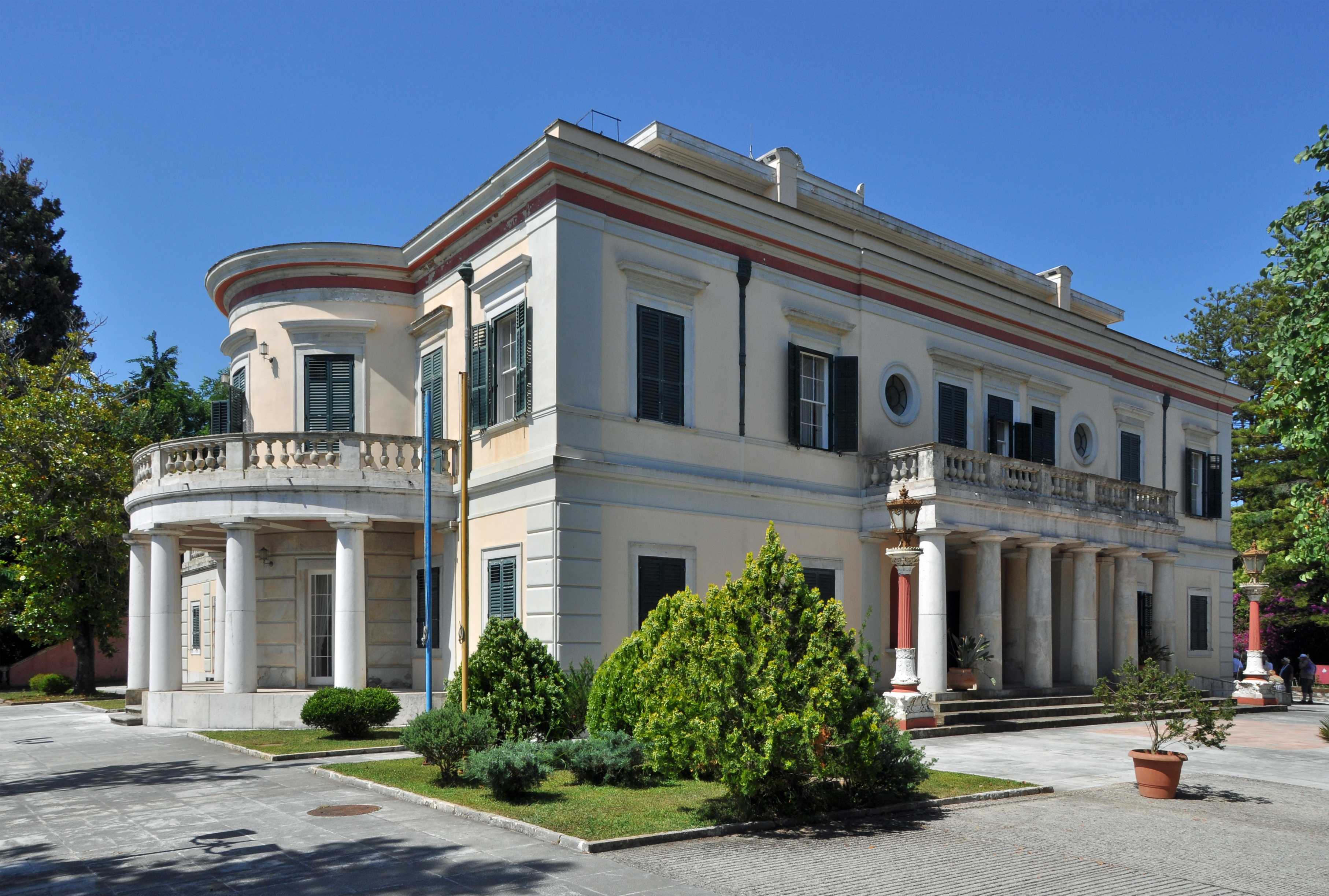
"Mon Repos", south of Corfu Town in the woods of Palaeopolis, built between 1828 and 1831 for the British Lord High Commissioner of the United States of the Ionian Islands Sir Frederick Adam (he commanded the 52nd Light Foot at the battle of Waterloo in 1815) and his second (Corfiot) wife Diamantina 'Nina' Palatino. They had little time to enjoy it as Adam was sent in 1832 to serve as Governor of Madras. In 1864 the villa was granted to King George I of the Hellenes. The Greek royal family used it as a summer residence up until King Constantine II fled the country in 1967. Prince Philip of Greece and Denmark was born there on 10 June 1921. His birth certificate showed the date as 28 May 1921 as Greece had not then yet adopted the Gregorian calendar for civil purposes; the change took place two years later, when curiously Wednesday 15 February 1923 was followed by Thursday 1 March 1923. His parents were Prince Andrew of Greece and Denmark of the House of Schleswig-Holstein-Sonderburg-Glücksburg and Princess Alice of Battenberg of the House of Hesse-Darmstadt. Philip had four sisters who all married Germans: Margarita, Princess of Hohenlohe-Langenburg; Theodora, Margravine of Baden; Cecilie, Hereditary Grand Duchess of Hesse and by Rhine; Sophie, Princess George of Hanover. After his engagement to Princess Elizabeth in 1946, accepted by King George VI provided that it was delayed formally until after Elizabeth's 21st birthday the following April (it was announced to the public on 10 July 1947), Philip renounced his Greek and Danish titles, became a naturalised British subject and adopted his maternal grandparents' surname Mountbatten. The day before the wedding on 20 November 1947 he was granted the style His Royal Highness and on the wedding morning made Duke of Edinburgh, Earl of Merioneth (a peerage granted only once, to him) and Baron Greenwich (granted for only the second time, previously to Lady Caroline Townshend in 1767) by King George VI. All three titles have now passed to Prince Charles; he's got quite a collection. If you've been watching television during the last 24 hours, the rest you know. |
||||||||||||||||||||||||||||
|
Friday 9th April |
||||||||||||||||||||||||||||
|
The opposition to the AstraZeneca vaccine continues to bewilder.
Yesterday's MRHA estimate of the risk of developing a rare blood clot is about four people in a million - 0.0004%. Why don't the AZ vaccine detractors get it? It's right that there should be continuing scrutiny of any vaccine's safety, caution is praiseworthy - but at the expense of inhibiting the vital roll-out of the jab, particularly in the doubting European countries? Professor Stephen Reicher, a member of the Scientific Pandemic Insights Group on Behaviours (SPI-B), day job Professor of Social Psychology at the University of St Andrews, said on BBC Radio 4's World at One: "Something like 30 or 40 people drown in the bath every year, something like 1,000 people die falling down the stairs, something like 200 die from choking on their breakfast, and that's many, many more deaths than we get from these vaccines. Taking the vaccine is actually one of the safer things you do in the day. It's definitely safer than cycling or driving to work. These [blood clots] are incredibly rare events." I'm compelled to repeat the words of two experts in their respective fields of emergency response and risk analysis, both previously quoted in this blog. Dr. Michael Ryan (Thursday 25th March), executive director of the WHO's Health Emergencies Programme, said: "You need to react quickly. You need to go after the virus. Be fast, have no regrets. You must be the first mover. The virus will always get you if you don't move quickly. If you need to be right before you move you will never win. Perfection is the enemy of the good. Speed trumps perfection. The greatest error is not to move. The greatest error is to be paralysed by the fear of failure." Sir David Spiegelhalter, Professor of the Public Understanding of Risk at Cambridge University, warned (Tuesday 16th March): "The precautionary principle favours inaction as a way of reducing risk. But the problem is that these are not normal times and inaction can be more risky than action. Sometimes it can be harmful to wait for certainty. Not vaccinating people will costs lives." The BBC reported yesterday: Weekly deaths involving coronavirus in England and Wales have dropped 92% since the peak of the second wave in January, according to official figures. Meanwhile, the total number of deaths registered in the UK over one week is 5% below the five-year average. Something to do with vaccines, perhaps? Including one with a very small risk attached. 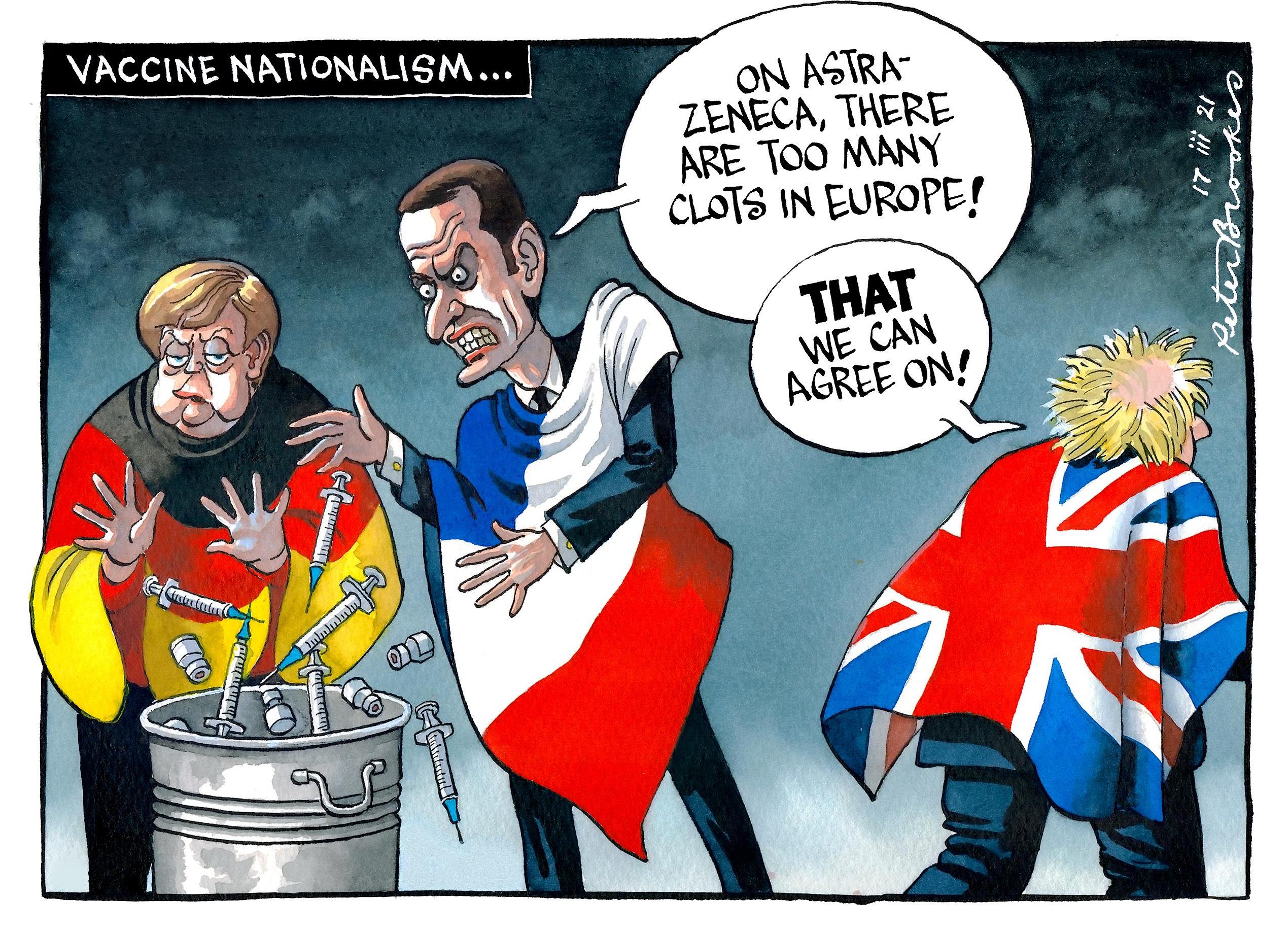
|
||||||||||||||||||||||||||||
|
Thursday 8th April |
||||||||||||||||||||||||||||
Oh dear, after all the scorn I've poured on AstraZeneca detractors, am I now to eat humble pie? Is there really something wrong after all? Under-30s in the UK are to be "offered" an alternative to avoid the risk of rare blood clots. Some European countries have taken action:
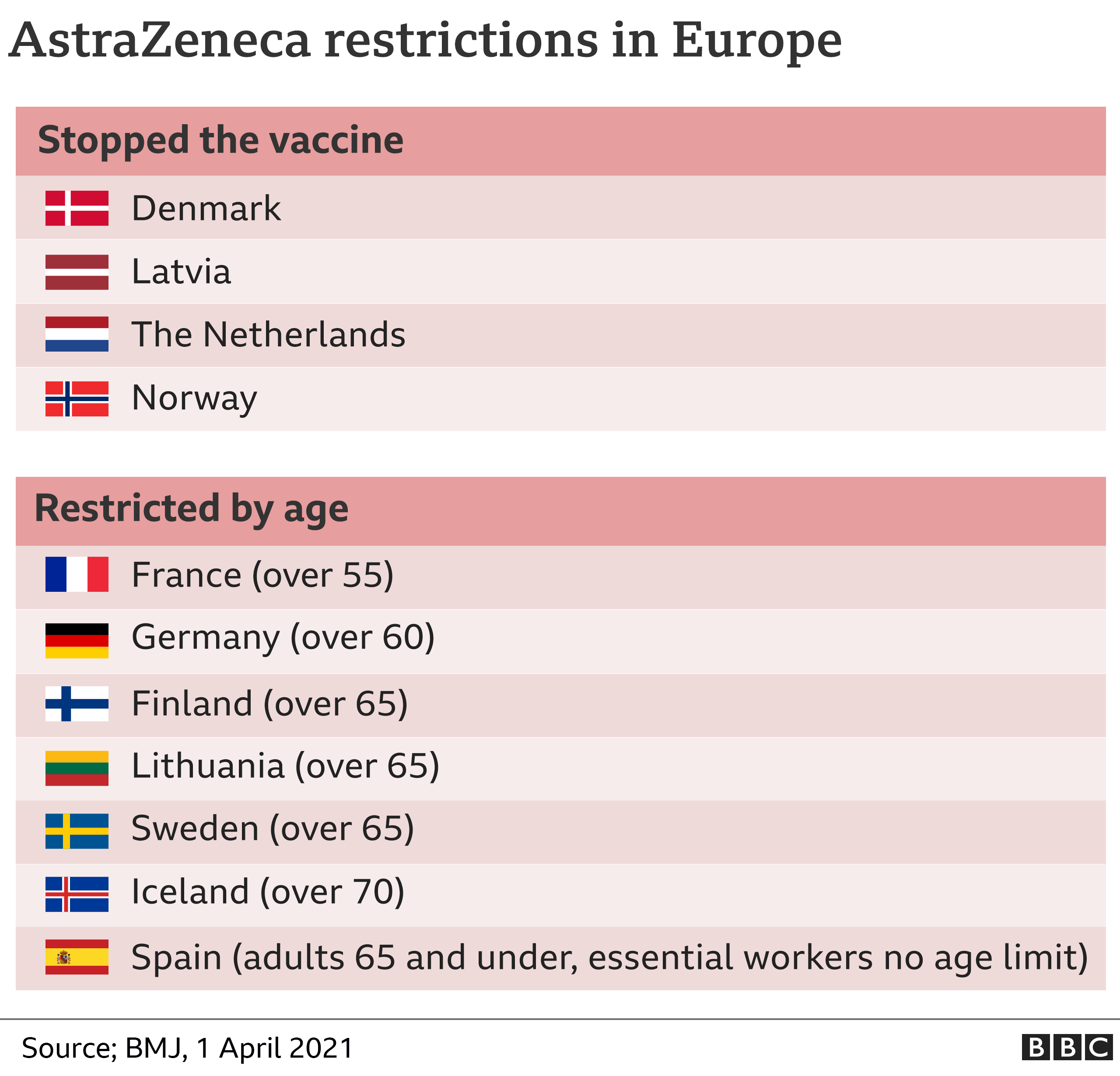
The latest MRHA review has reported that 79 cases have occurred from 20 million doses delivered. That's 0.00039%. Of those 19 have died, or 0.000095%. The Winton Centre has this assessment: 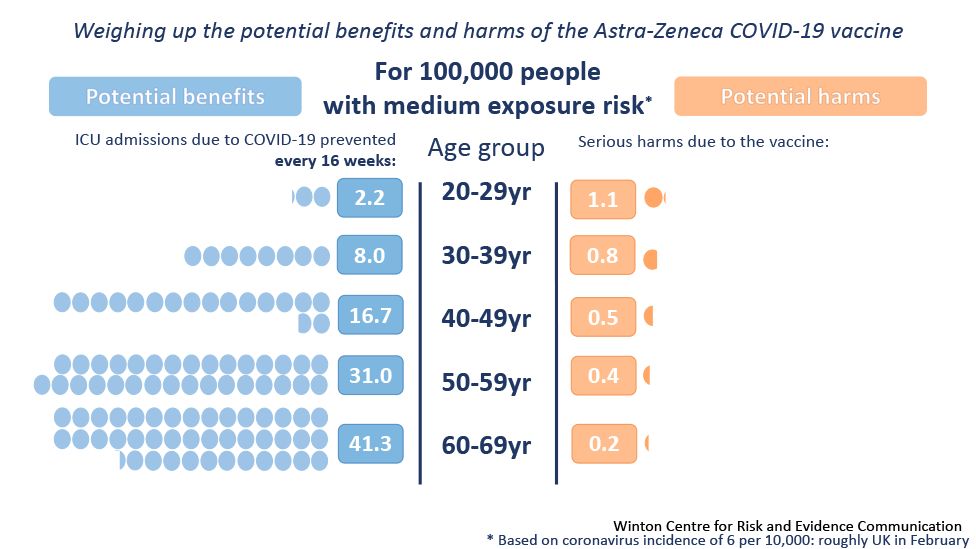
The AstraZeneca debate is all over the front pages today. I never thought I'd be in agreement with the Sun newspaper. Somebody did exactly the same calculation as I posted above. 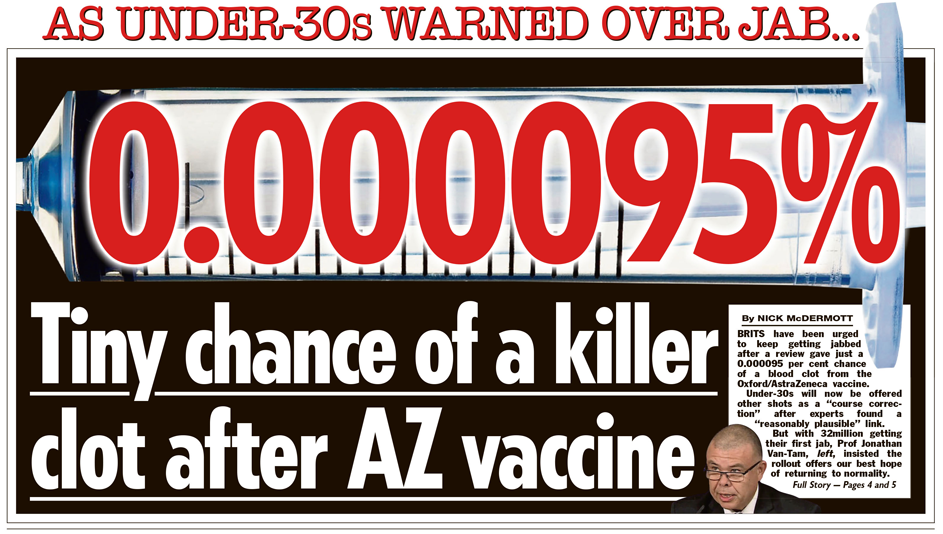
I reckon I should leave the pie in the freezer 👍 Johns Hopkins University has published a list updated on 5th April of the 16 countries with the highest number of cases per day in Europe. Here's the list, numbers in thousands: Turkey 41, France 40, Poland 26, Italy 19, Germany 15, Ukraine 15, Russia 9, Hungary 7, Netherlands 7, Spain 6, Romania 5, Czech Republic 5, Serbia 5, Sweden 5, Belgium 4, UK 3. How often have you felt blessed to be in last place? |
||||||||||||||||||||||||||||
|
Wednesday 7th April |
||||||||||||||||||||||||||||
I apologise for the grim post, but the parlous condition of Brazil shocked me this morning. The country recorded more than 4,000 deaths in a 24-hour period for the first time yesterday. Cases per day up until 5th April were 63,000.
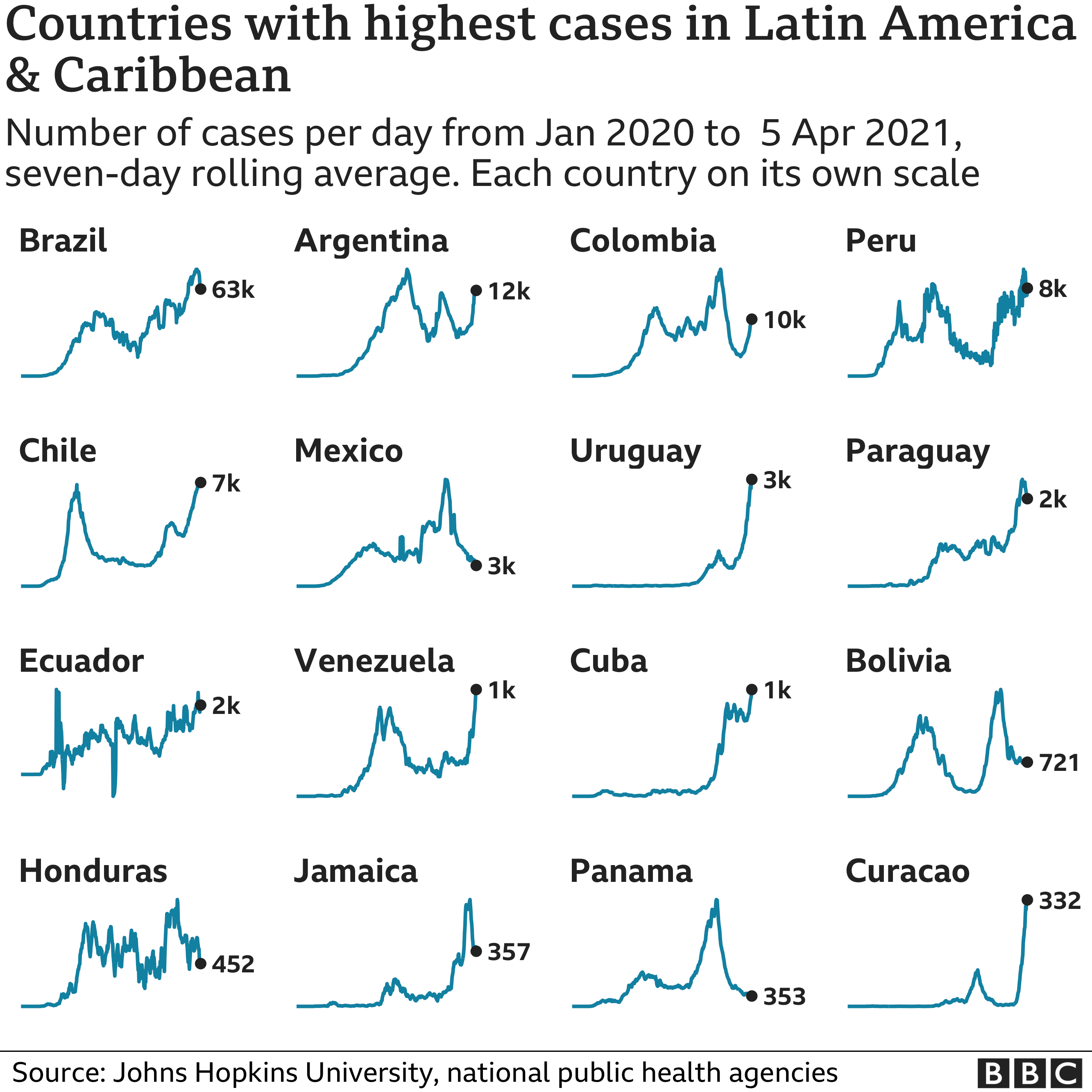
Bolsonaro still refuses to apply restrictive measures, giving priority to the economy before fatalities. Miguel Lago, executive director of Brazil's Institute for Health Policy Studies said: "The fact is the anti-lockdown narrative of President Jair Bolsonaro has won. Mayors and governors are politically prohibited from beefing up social distancing policies because they know supporters of the president, including business leaders, will sabotage them." Only 8% of the population has received one vaccine dose. Epidemiologist Ethel Maciel commented: "At the rate we're vaccinating, the only way to slow the extremely fast spread of the virus is an effective lockdown for at least 20 days." What on earth drives Bolsanaro? He's a big fan of Trump and the similarities abound: narcissistic, macho, anti-socialist, denier of climate change. It's no wonder that the two bully-boys have the worst record. How does Bolsonaro ignore the sheer weight of the coronavirus numbers in Brazil? How did Trump? 
|
||||||||||||||||||||||||||||
|
Tuesday 6th April |
||||||||||||||||||||||||||||
|
I've already mentioned that the easing of lockdown worries me, the risk of losing the gains achieved, their extent so evident in the statistics I've posted in recent days. Will we manage to maintain a safe level of precaution or else go bonkers in public spaces? In the Downing Street press briefing yesterday Boris presented a blended message: well done everybody thus far, we will continue along the roadmap, but be careful. Here's the full statement "I want to thank you all again for your patience, because it is really clear now that this is paying off." "I can today confirm that from Monday 12th April we will move to Step Two of our roadmap. We think that these changes are fully justified by the data which show we are meeting our four tests for easing the lockdown." "We can't be complacent. We can see the waves of sickness afflicting other countries and we've seen how this story goes. We still don't know how strong the vaccine shield will be when cases begin to rise, as I'm afraid that they will." "On Monday the 12th I will be going to the pub myself - and cautiously but irreversibly raising a pint of beer to my lips." There you are, early warning of a photo-opportunity. I wonder what bet you could get on front page coverage of Boris and his ale on the morning of 13th April. The odds wouldn't be great; it's a shoo-in, isn't it? Which pub will have the honour? Following Boris' preamble, the Chris Whitty slides matched the "four tests" mentioned above, namely:
Welcome news, but I don't think it's a great slide. It says "Vaccinations GOOD, no vaccinations BAD" and not much else, right? It only reports on those aged 80 and over. There's nothing wrong with that, it's just a restricted view, possibly because of the limited availability of data. If you're really keen, here's the "Policy paper: Roadmap Reviews: Update 5 April 2021", a now regular periodical progress assessment document, mentioned by Boris is his presentation: The Government will use the Events Research Programme, overseen by an industry-led steering group co-chaired by Sir Nicholas Hytner and David Ross and working closely with national and local public health authorities, to explore different approaches to social distancing, ventilation, test-on-entry protocols and COVID-status certification. The Events Research Programme will carry out pilots in a series of venues to gather evidence on the transmission risks associated with different settings, and potential approaches to managing and mitigating transmission risks. The pilots will use the domestic COVID-status certification standards. Early pilots will focus on demonstrating COVID-status through testing alone, while later pilots will seek to incorporate data on vaccination and acquired immunity. The venues selected for the pilot programme are:
|
||||||||||||||||||||||||||||
|
Monday 5th April
|
||||||||||||||||||||||||||||
|
Vaccines and politics. You'd hope that global altruism and need might steer manufacture and distribution, but that doesn't deter politicians.
Close to home, blame for the flawed EU strategy is frequently laid at the door of European Commission President Ursula von der Leyen (see this blog Friday 5th March). She insisted on a forceful show of European solidarity, an assertion of the single market's buying power and a moral stand against Trumpian "vaccine nationalism". Some praiseworthy motives but that position, along with the bureaucratic struggle to gain the approval of 27 member states, has led to woeful delays and confusion. Then we have the revival of the cold war space race. The Sputnik V vaccine was claimed by Putin to be the world's first for Covid-19, although Russia approved it before Phase 3 trials were complete. One up against the USA, echoing the launch of the Sputnik satellite on October 4th 1957. By the way, there never was a satellite called Sputnik V. The original was just called Sputnik, or Sputnik I retrospectively, followed by Sputniks II and III. The V name was coined by the west; the Soviets called it Korabl-Sputnik 2. Putin has sought to make political capital out of the vaccine. "Russia is using its program for soft power diplomacy," said John Moore, a vaccine researcher at Weill Cornell Medical College in New York. "It's an international race, there's nationalism at stake." In the breaking of ranks among disgruntled EU members, Hungary was the first to get its hands on Sputnik V, starting in January, apparently accepting Russia's regulatory review as sufficient. 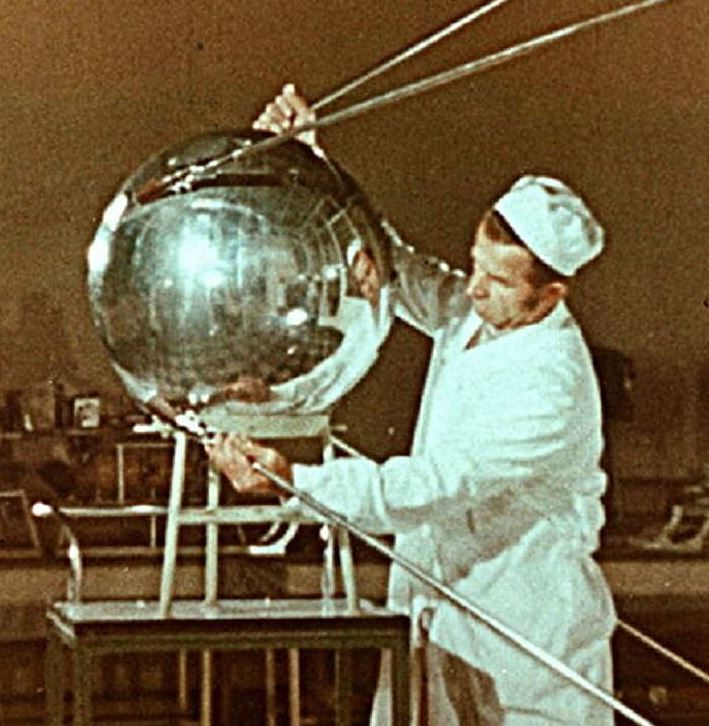
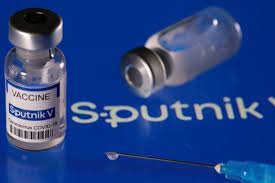
Israel took a convincing lead in the jab race. Its success was a central pillar of Benjamin Netanyahu's recent election campaign, which has resulted in no party having an outright majority. Netanyahu threw himself into negotiations to crack an early deal with Pfizer (see this blog Tuesday 26th January). Pfizer CEO Albert Bourla praised Netanyahu's single-mindedness in an interview on Israel's Channel 12 news: "I was talking with several heads of state. I spoke with your prime minister, he convinced me that Israel is the place with the right conditions. I was impressed, frankly, with the obsession of your prime minister. He called me 30 times." Netanyahu is back on trial for corruption. 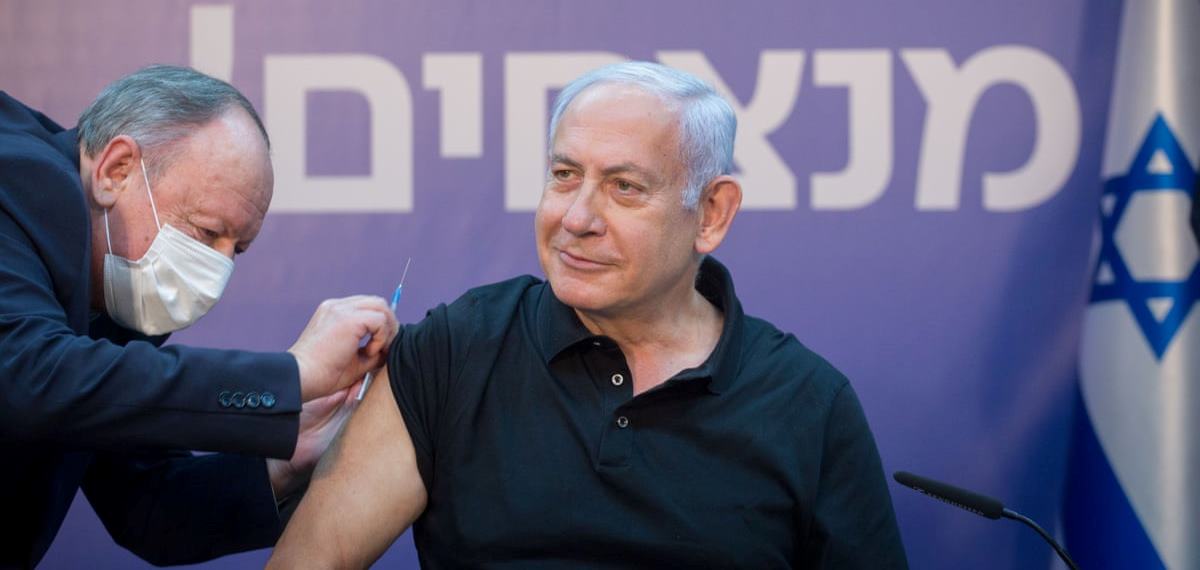
|
||||||||||||||||||||||||||||
|
Sunday 4th April |
||||||||||||||||||||||||||||
Happy Easter 🌼🐇 The sun is shining 🌞 A day to celebrate progress. Yesterday daily reported UK deaths fell to 10, their lowest number since 14 September. Here are other warming stats (I've displayed only UK data in the FT charts, but let's spare a thought for our European neighbours):
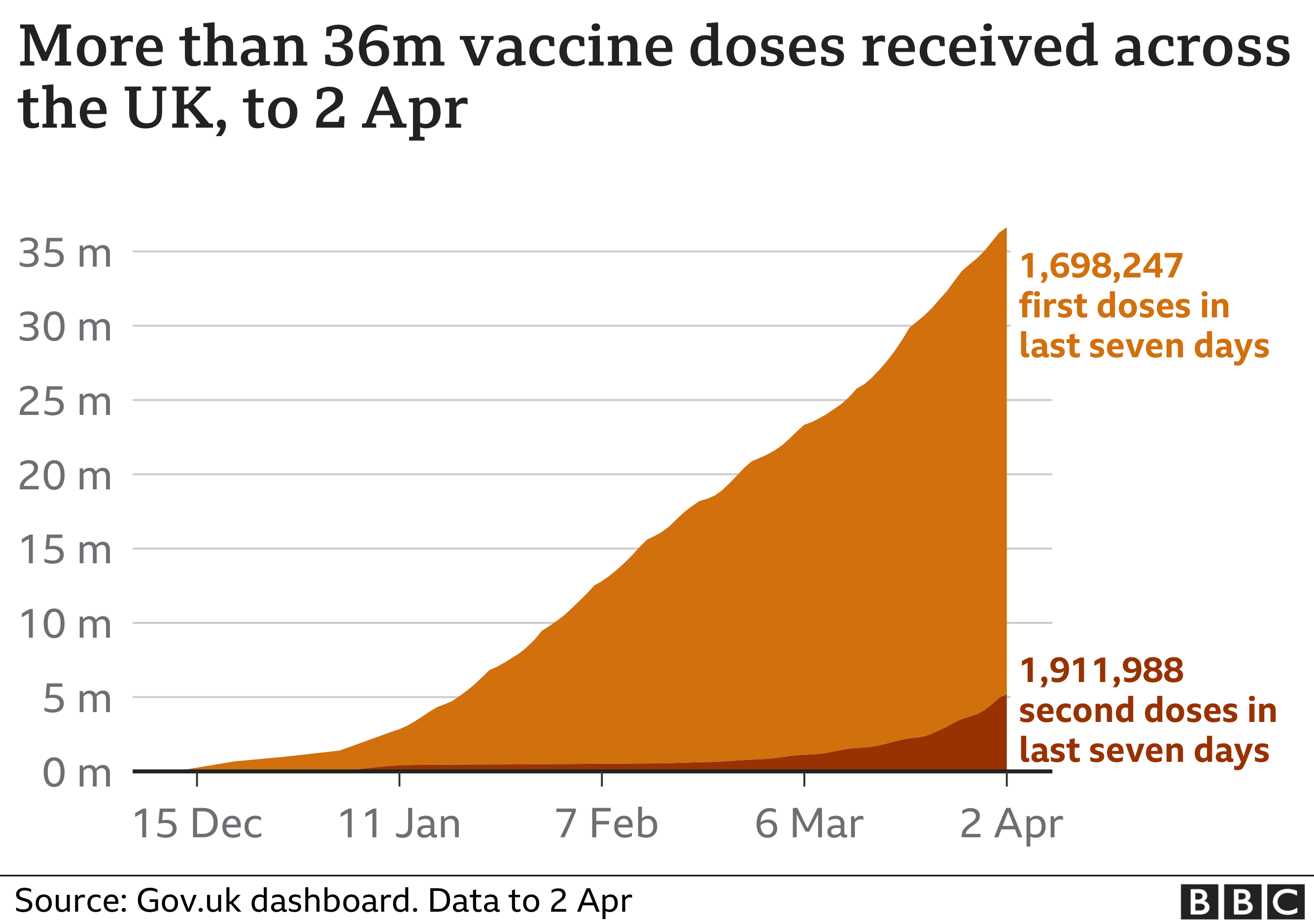
Let's hope we can continue to see improvements (or at least hold steady) through the easing of lockdown 🤞. We'll have to wait a month to see what the data reveals. |
||||||||||||||||||||||||||||
|
Saturday 3rd April |
||||||||||||||||||||||||||||
|
Italy is on strict lockdown over Easter. France is entering at least three weeks of new national restrictions. Here's the FT chart of new cases in selected European countries since the beginning of March.
Italy doesn't show a particular spike but the numbers are still high. The UK continues a "positive" decline to below 5,000 new cases per day. Contrast France where the count exceeds 35,000. It's the vaccine gap, isn't it? The WHO has condemned the EU rollout. Using its own definition of the "European region" - 52 countries from Iceland to the Russian Federation, a population of nearly 900 million - it issued a statement in Copenhagen on 31st March which said: "To date, only 10% of the Region's total population has received 1 vaccine dose, and 4% has completed a full vaccine series." Dr Hans Henri P. Kluge, WHO Regional Director for Europe, declared: "Vaccines present our best way out of this pandemic. Not only do they work, they are also highly effective in preventing infection. However, the roll-out of these vaccines is unacceptably slow. And as long as coverage remains low, we need to apply the same public health and social measures as we have in the past, to compensate for delayed schedules. Let me be clear: we must speed up the process by ramping up manufacturing, reducing barriers to administering vaccines, and using every single vial we have in stock, now." The AstraZeneca blood clot - and criticism around delivery holdups - debate rumbles on. A YouGov study released on 22nd March reported that 55% of Germans think the vaccine is unsafe, 61% of French. Only in Britain do the majority still consider the vaccine safe, at 77%. The UK's MHRA said that as of 24th March there had been 30 clots reported in vaccinations of 18m Britons. That's 0.00017%. Today the MHRA has confirmed that 7 of those have died. Or 0.000038%. It's estimated that if 2.5 million 60-year-old people caught coronavirus then around 50,000 would die, or 0.02%. Some other vaccine distribution stats: 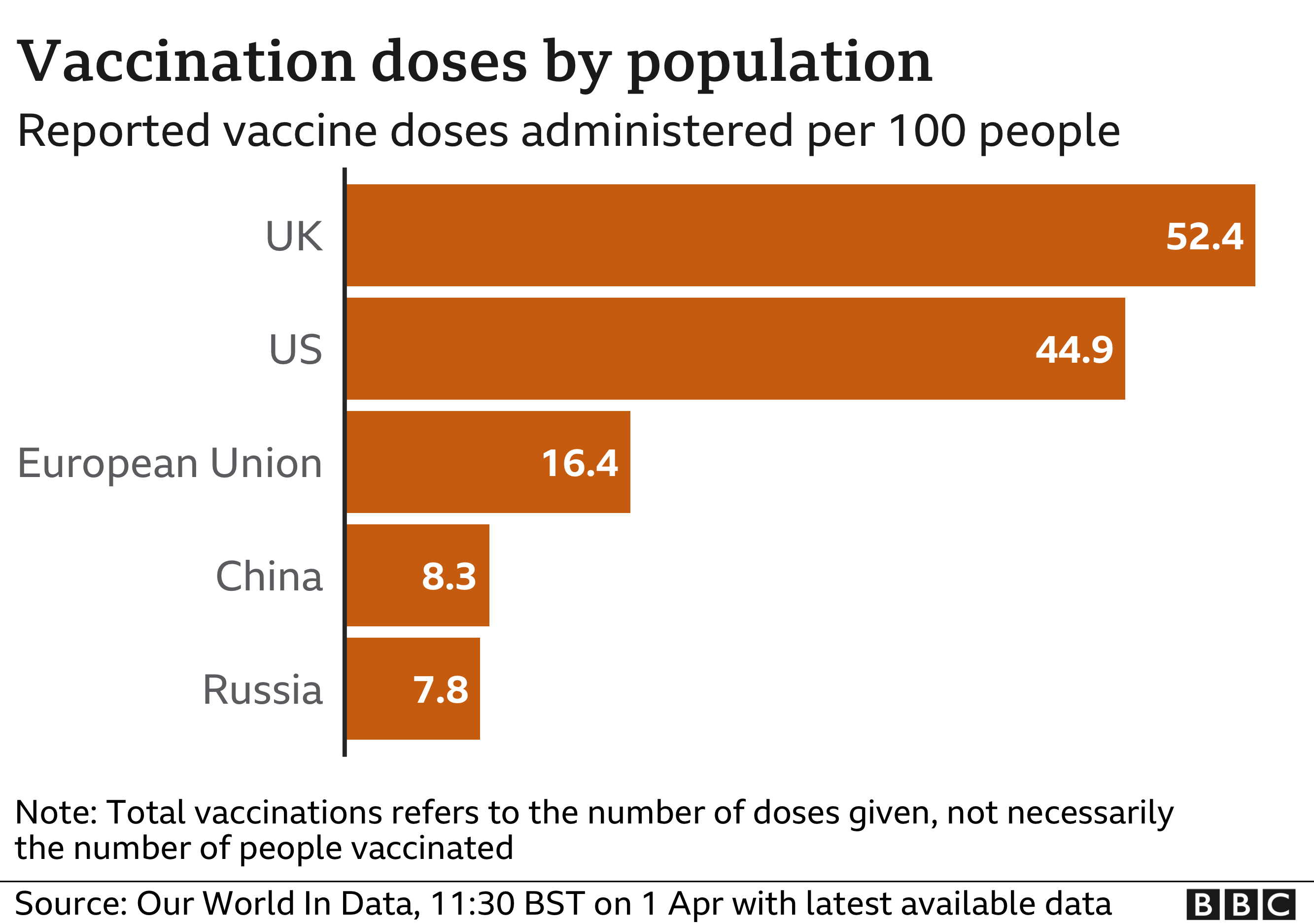
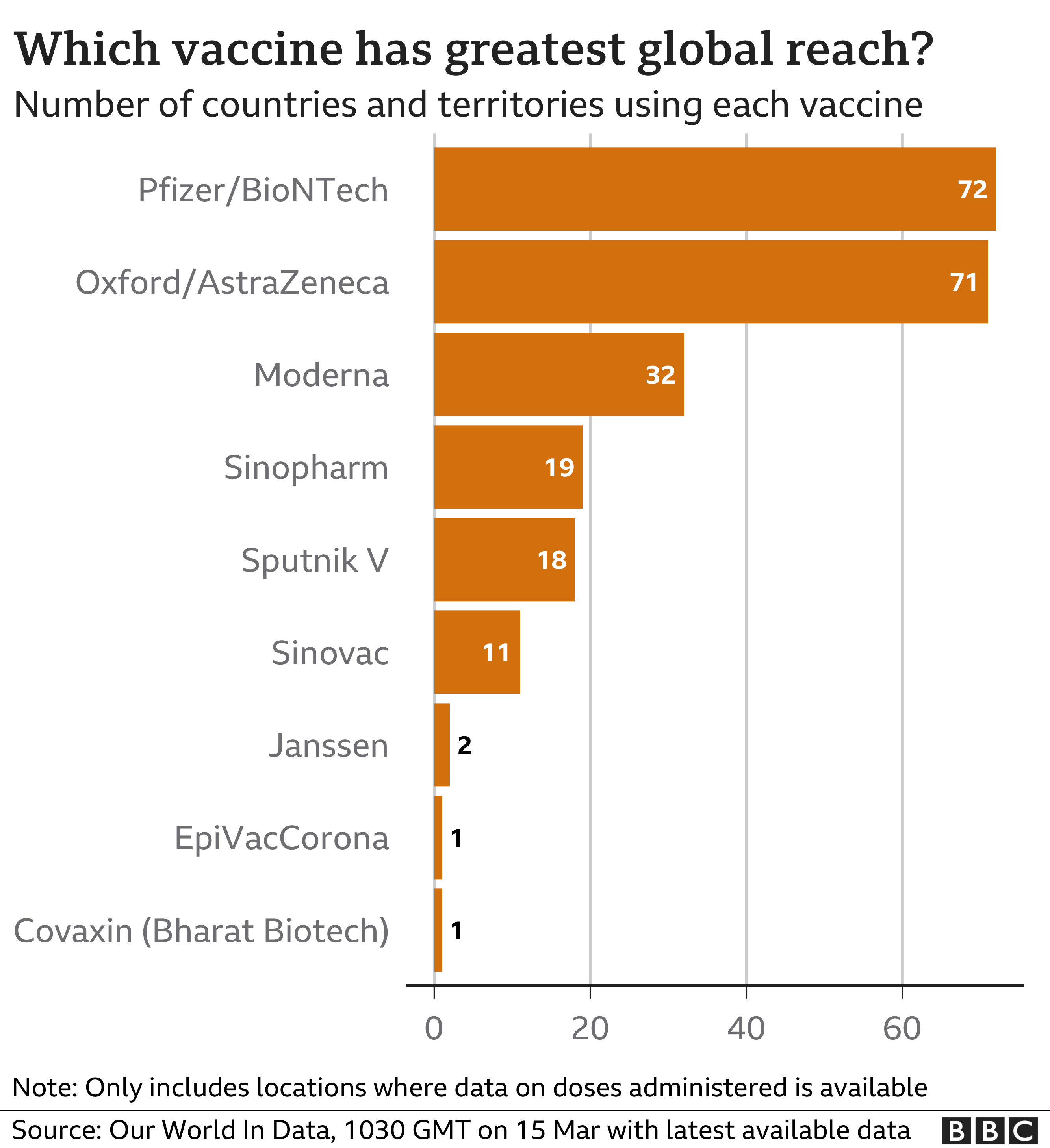
|
||||||||||||||||||||||||||||
|
Friday 2nd April |
||||||||||||||||||||||||||||
Pan-rage? Vir-rage? I'm searching for an equivalent pandemic term for road-rage, often experienced by this Mr. Grumpy of Stroud in the face of social-distancing transgressions like the Nottingham madness (see blog last Wednesday). People who crowd you at supermarket shelves. The person behind me in the corner shop who's only two feet away. I've read about one objection centred on mask-wearing, particularly not covering the nose. Well, one government takes this seriously. My Irish correspondent has drawn attention to a national campaign on this specific issue of mask competence.
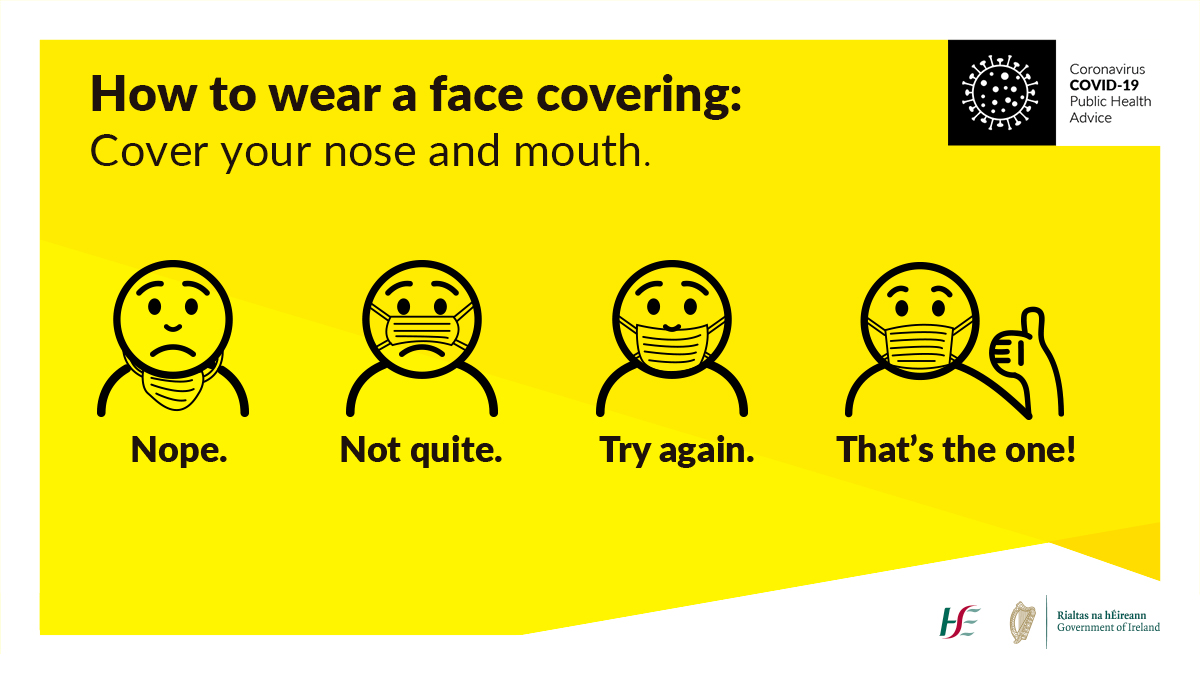
Also mentioned in dispatches is the just-launched Irish government (Rialtas na hÉireann) blueprint "Our Rural Future: Rural Development Policy 2021-2025". There are echoes within the plan of changes we have seen during the pandemic, particularly remote working. Minister for Social Protection and Rural and Community Development Heather Humphreys said: "This policy is Government saying to remote workers we want you to come and work in rural Ireland." The proposal foresees an integrated network of 400 remote working hubs incorporating back-room services throughout Ireland and aims for 20% of public sector workers working remotely or from home by the end of this year. Where will many of these hubs be situated? In the pub 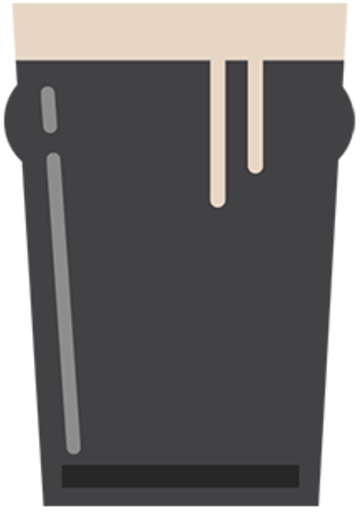 👍 Humphreys again: "We are teasing out how, maybe, pubs can be used for different purposes during the day. It could be working spaces. It could be community spaces." Here's the full document (just for reference at 128 pages): 👍 Humphreys again: "We are teasing out how, maybe, pubs can be used for different purposes during the day. It could be working spaces. It could be community spaces." Here's the full document (just for reference at 128 pages): Venetian protesters have won their battle to prevent cruise ships entering the very heart of the city. Covid-19 restrictions last year on traffic and the collapse of the cruise industry (remember the Diamond Princess?) had a dramatic improving effect on the water quality of the canals and lagoon which gave some impetus to the campaign. Ships are to be routed to a more industrial setting on the west of the centre where their size will not dwarf the local landscape. 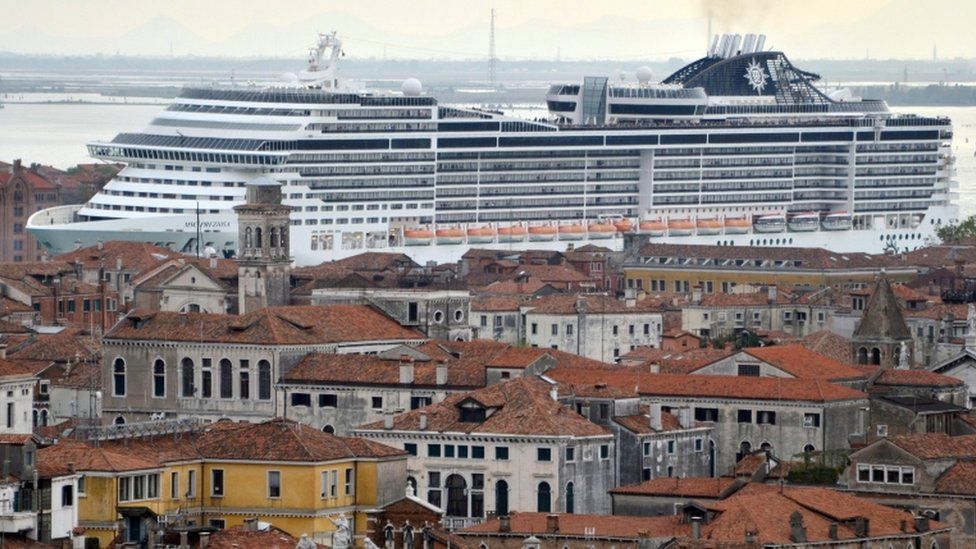
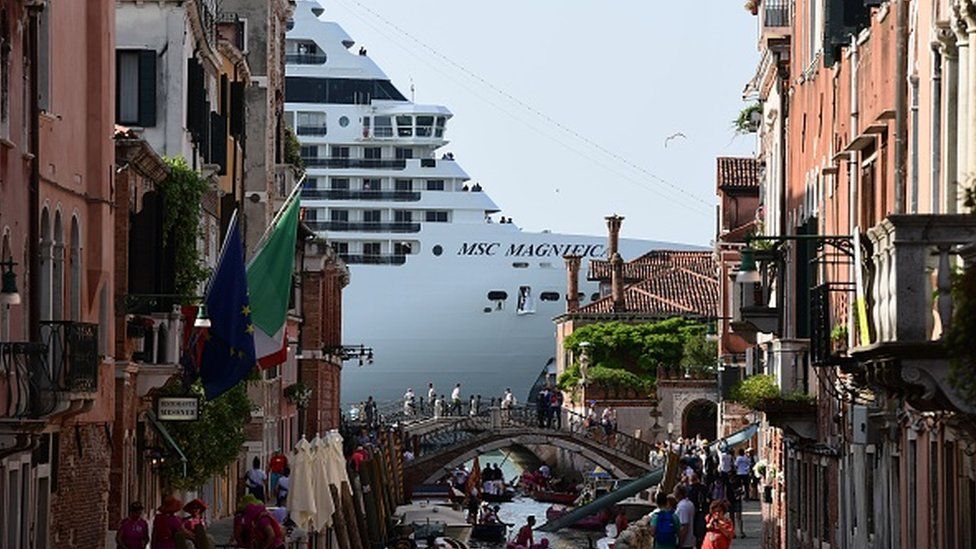
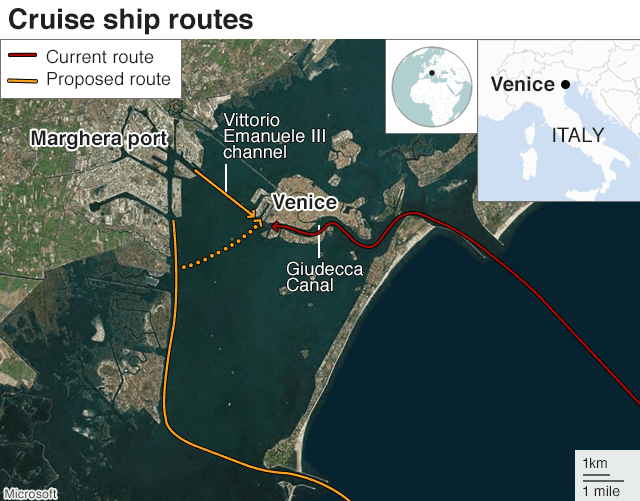
|
||||||||||||||||||||||||||||
|
Thursday 1st April |
||||||||||||||||||||||||||||
|
BBC Panorama April 1st 1957. The best ever 😂
|
||||||||||||||||||||||||||||
|
Wednesday 31st March |
||||||||||||||||||||||||||||
It beggars belief. We all know that social distancing and mask wearing have to be maintained alongside the vaccination programme. What possesses people to go out and flagrantly ignore the rules? AND leave litter? Nottingham had these scenes and reports since the weekend.
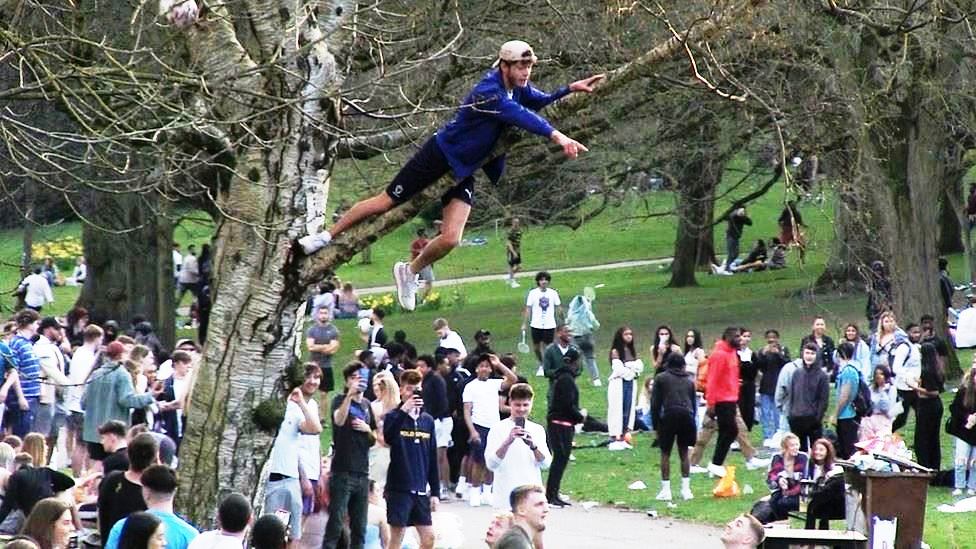
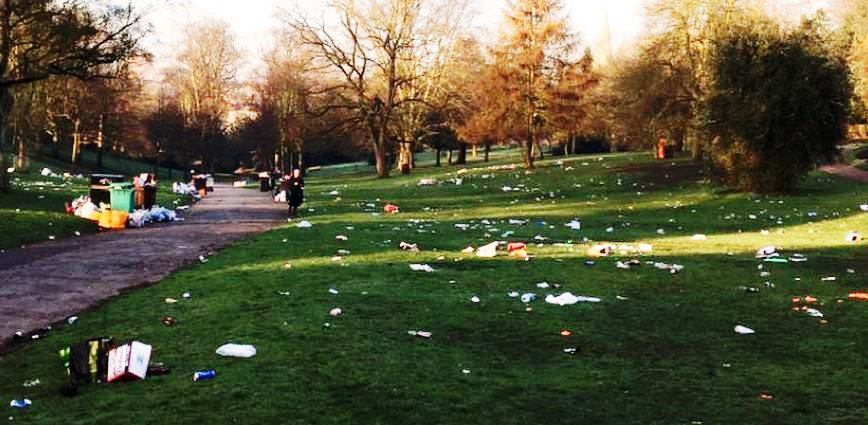
Nottingham City Council leader David Mellen blamed a "selfish minority": "We have all made sacrifices over the last year to keep each other safe. Over 600 local people have died due to the virus. We have had discussions with senior police officers and there will be increased presence in our parks. Drinking alcohol in public spaces is not permitted in Nottingham and will be seized on entry to our parks." Inspector Paul Molloy of Nottinghamshire Police said: "While we can of course understand people's desire to want to be out in the sun and enjoy these mild temperatures we are currently experiencing, the government and our health colleagues remain extremely cautious and advise that people continue to minimise social contact. We would like to remind people that we are still only partly out of lockdown. It is up to us all to keep to the measures so we can continue on the roadmap, keeping the virus at bay." Nottingham had a coronavirus infection rate of 70 per 100,000 people in the week up to 25 March, higher than the national average of 42. For a period in October the city had the highest infection rate in the UK. Easing lockdown is fraught with risk. Particularly with knucklebrains on the loose. |
||||||||||||||||||||||||||||
|
Tuesday 30th March |
||||||||||||||||||||||||||||
|
Here are the slides from yesterday's Downing Street press briefing. The first three are the regular cases, deaths and hospitalisation statistics - all showing the continued positive downward trend.
Vaccination totals continue to rise. Delivery of second doses is well under way with nearly 4 million administered to date. A new slide models the effect of vaccination / no vaccination. The briefing notes explain: "As prioritisation of the vaccine rollout has primarily been determined by age, the Winton Centre [for Risk and Evidence Communication, Cambridge University, chairman Professor Sir David Spiegelhalter (see blog Tuesday 16th March)] looked at 4 different age cohorts: 25-34, 35-44, 45-54, 55-64. Given that a very large percentage of those over 65 have now received at least one dose of vaccine, there is no meaningful baseline control comparison of unvaccinated individuals in age groups above those chosen, so these were not included." The government is now clearly keen to dissuade the vaccine gainsayers from their refusal to participate. The numbers above - yes, it's just a predictive model - spell out the dangers. Hospital admissions would be 5 times as many in the 55-64 cohort - it's the extreme case shown here - without vaccination. The decision not to take part is more than just a personal matter. The jabs, social distancing, wearing a mask - they're all about the effect our actions have on others as well as ourselves. The full briefing PDF has two more slides on age distribution and three pages of statistical notes: |
||||||||||||||||||||||||||||
|
Monday 29th March |
||||||||||||||||||||||||||||
|
Today is another milestone on Boris' UK "road to freedom": outdoor gatherings of 6 people, outdoor sports facilities reopen, "stay at home" rule ends.
The statistical comparisons between the UK and other parts of the world are marked, tragically so. Brazil is out of control, ICUs in Paris and elsewhere in the EU are at breaking point. Here are FT charts of deaths and cases in the UK, EU and Brazil for February and March (click to enlarge): Reports from Brazil tell the story of ambulances being unable to deliver their patients into the hospitals. They queue outside. They have to wait for hearses to take away the dead. 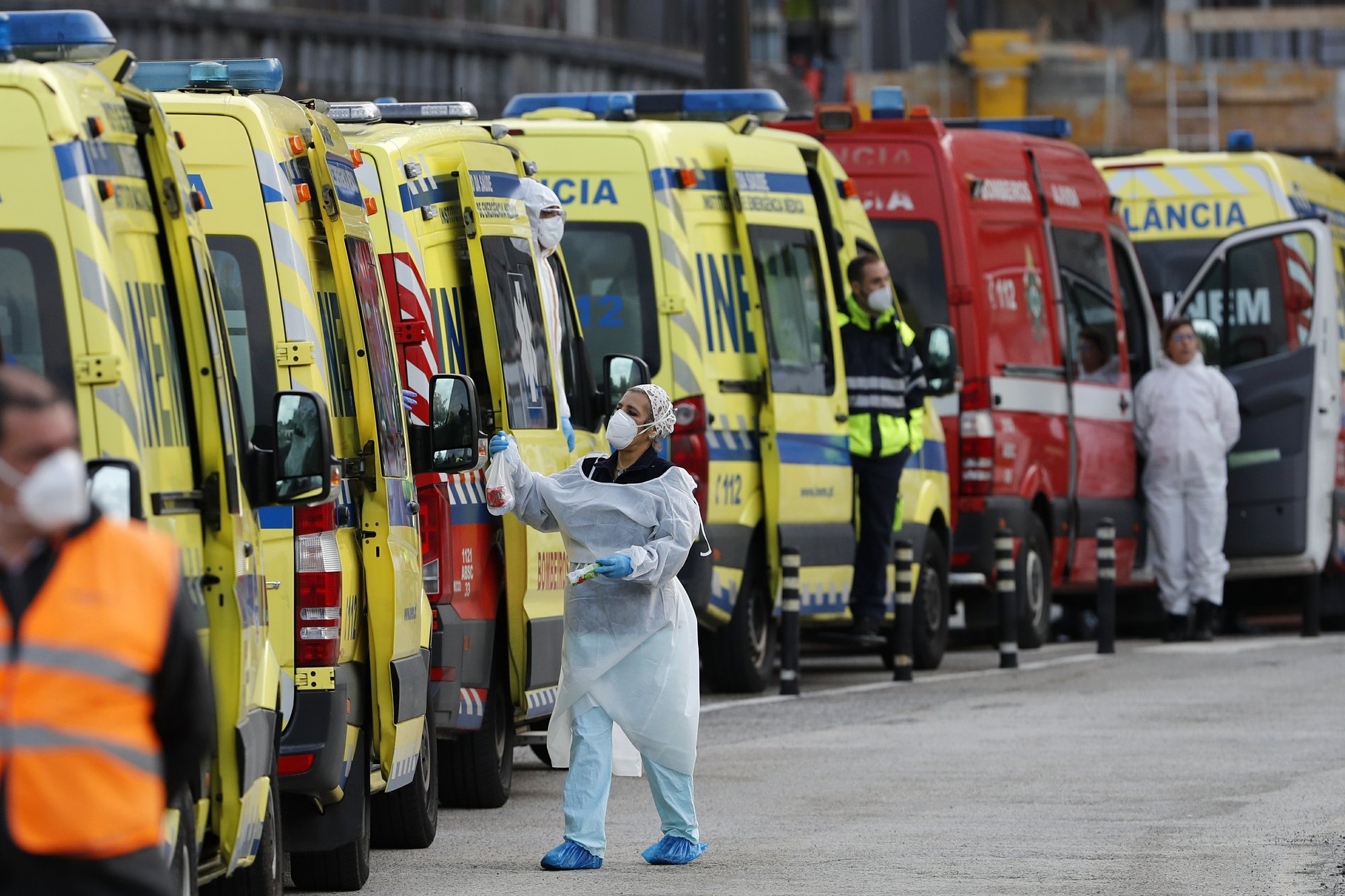
We know well that the vaccination picture is unequal too. As I said yesterday, gratitude is due in the UK. But what do we do about others? Apart from trying hard not to be smug. How would we have altered Bolsonaro's approach in Brazil? Could we have influenced the flawed EU vaccine strategy? Is it our right, indeed any nation's right, to interfere? Covid is a global issue but managed at a national level (or alliance in the case of the EU, and there some have broken ranks). All countries need the solution to be worldwide, but we cannot impose on others. |
||||||||||||||||||||||||||||
|
Sunday 28th March |
||||||||||||||||||||||||||||
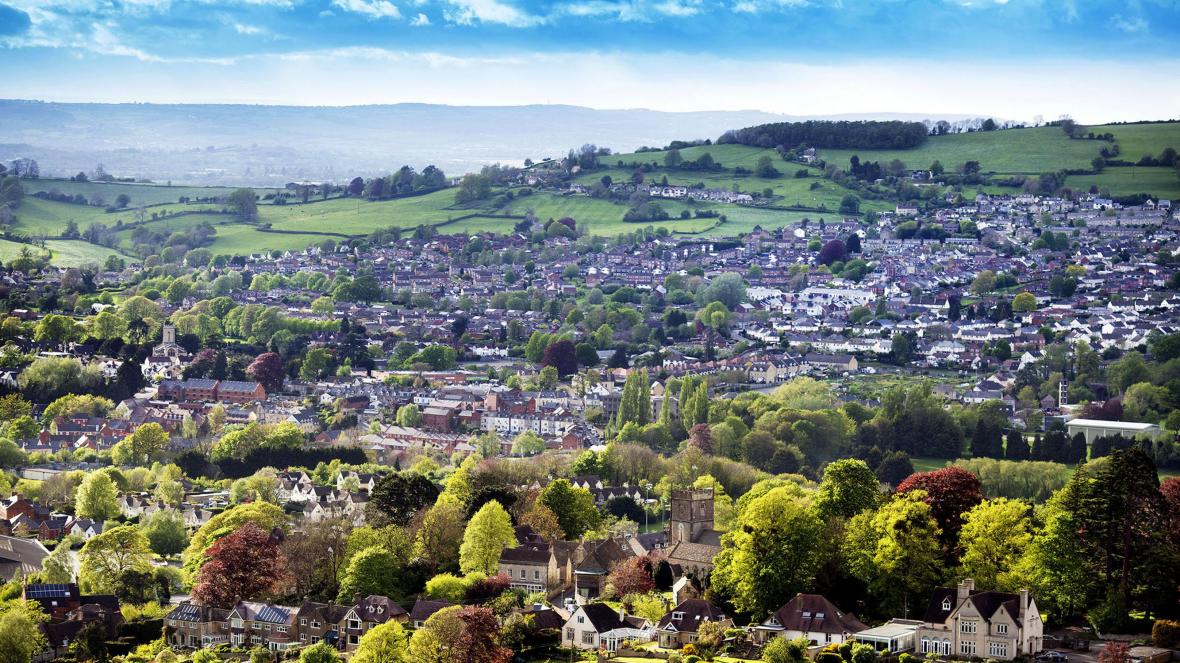
Stroud has come top in the Sunday Times "Best Place to Live 2021" guide 🏆 🌞 👍 🍾 The newspaper's Helen Davies said: "This guide has never been so important. The pandemic has taught us just how much we rely on our homes, our communities and our surroundings. With working from home now common, it's no surprise that many of us are reassessing our priorities and thinking hard about where we really want to live. Stroud has been chosen as our national winner because it has all the basics covered in perfect style: it has excellent schools, convenient transport links and easy access to lots of glorious green space. Best of all it has a unique independent spirit that comes to the fore in its impressive local food scene and at the brilliant weekly farmers' market that brings the town and surrounding countryside together. Our focus for this year has been community, countryside and convenience. It hasn't been a year for big cities or small villages. Instead it is small towns that have shone: big enough to have everything you need within walking distance and small enough for everyone to feel connected." 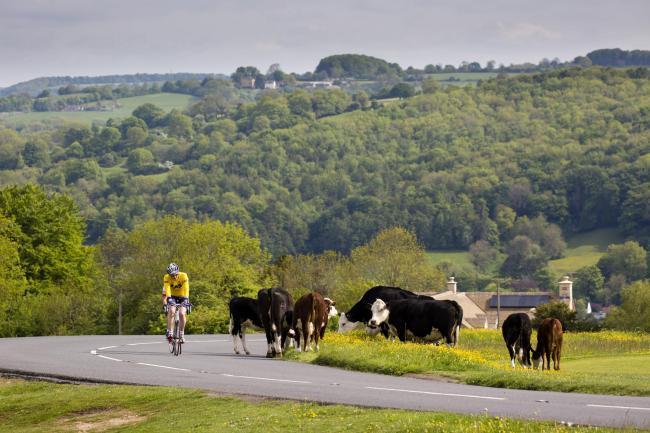
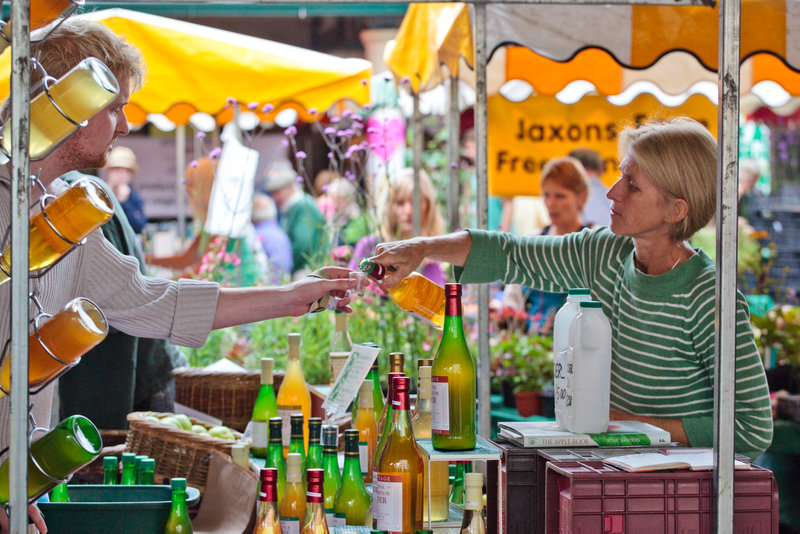
It's a day for gratitude here. We have a successful vaccine programme. Baby-boomer generation privilege. The best place to live. |
||||||||||||||||||||||||||||
|
Saturday 27th March |
||||||||||||||||||||||||||||
|
Following on from yesterday's post, some more on global vaccine distribution ...
The vaccine landscape is fragmented. Invention and manufacture take place in countries all over the world with no defined cooperation. There has to be approval, but it's managed by disparate institutions; Serum Institute of India (SII)'s chief executive Adar Poonawalla has bemoaned the lack of unified action from the regulatory bodies (see this blog Thursday 18th March). There is no rule that a company has to follow in choosing its customers, unless there's some proviso embedded in its corporate governance. You can understand that self-interest may come before altruism; profit is attractive to a commercial producer, protection of its own population first a driver for any national government. The international organisations like COVAX who are committed to a global solution enjoy only voluntary support funded by donations. I'm startled by the sheer number of vaccines under development around the world. The WHO publishes an Excel spreadsheet "Draft landscape and tracker of COVID-19 candidate vaccines" every Tuesday and Friday. Yesterday's update stated that there are 83 in clinical development (trials on human subjects) and 184 in pre-clinical (in vitro test tube and in vivo animal experiments). Just for reference here's the spreadsheet (download only - don't worry if you can't, there's more detail than you want): 
Who are the champions of equitable global distribution? It looks to me like a group of overlapping interconnected (or disconnected?) organisations. The same names turn up everywhere: WHO, UNICEF, Bill and Melinda Gates. See the notes below. COVID-19 Vaccines Global Access (COVAX) is the vaccine "pillar" of the Access to COVID-19 Tools Accelerator (ACT Accelerator) led by the United Nations International Children's Emergency Fund (UNICEF), GAVI the Vaccine Alliance (original name the Global Alliance for Vaccines and Immunization), the World Health Organization (WHO), the Coalition for Epidemic Preparedness Innovations (CEPI) and others. GAVI was created in 2000 as a successor to the Children's Vaccine Initiative, which had been launched in 1990. It's a public-private global health partnership with the goal of increasing access to immunisation in poor countries. It brings together developing country and donor governments, the WHO, UNICEF, the World Bank, the vaccine industry, research and technical agencies, the Bill and Melinda Gates Foundation and other private philanthropists. CEPI was conceived in 2015 and formally launched in 2017 at the World Economic Forum (WEF) in Davos, Switzerland. It was co-founded and co-funded with US$460 million from the Bill and Melinda Gates Foundation, The Wellcome Trust and a consortium of nations, namely Norway, Japan and Germany. The European Union (2019) and Britain (2020) joined later. It was originally focussed on the WHO's "blueprint priority diseases", including viruses MERS-CoV, SARS-CoV-2, Nipah, Lassa fever, Rift Valley fever, Chikungunya. It's better that these organisations exist rather than not at all. Their aims are laudable. My misgivings are these. Is anybody in charge? None of them has internationally ratified and legally constituted power. How do they coordinate their efforts and at what administrative cost? They may well bring vaccination to many poorer countries but it's still a patchwork of best intention supported by voluntary donation. Is any rich country obliged to look out for its less fortunate cousins? No. Is the EU looking far beyond the scramble to rectify the failings of its own internal programme? No. The WHO's director-general may berate "moral failure" but can he impose a course of action? No. To illustrate the uneven spread of vaccinations here's a recent snapshot from Our World in Data (click to enlarge). Israel's place at the top demonstrates the effect of a single-minded inward-looking national government approach (for more see this blog on Tuesday 26th January). Notice how "World" (which presumably excludes the countries already mentioned?) languishes in the bottom group. Against this rather gloomy appraisal, COVAX is delivering. Thursday's GAVI update stated that COVAX has so far shipped over 32 million COVID-19 vaccines to 60 participants. Here's a video from the GAVI site: |
||||||||||||||||||||||||||||
|
Friday 26th March |
||||||||||||||||||||||||||||
|
The path of global vaccination doesn't run smooth. It's complex. Money, scientific expertise, manufacturing capability, supply constraints, national self-interest, altruism - all these play a part.
We know that the virus will only be defeated at a world level. WHO Director-General Tedros Adhanom Ghebreyesus said this in his opening remarks at the Executive Board meeting on 18th January: "I need to be blunt: the world is on the brink of a catastrophic moral failure - and the price of this failure will be paid with lives and livelihoods in the world's poorest countries. As the first vaccines begin to be deployed, the promise of equitable access is at serious risk. More than 39 million doses of vaccine have now been administered in at least 49 higher-income countries. Just 25 doses have been given in one lowest-income country. Not 25 million; not 25 thousand; just 25. Ultimately, these actions will only prolong the pandemic, the restrictions needed to contain it, and human and economic suffering. Vaccine equity is not just a moral imperative, it is a strategic and economic imperative. It's in the best interest of each and every nation on Earth." Why is vaccine distribution so uneven? Clearly money talks, but that's a rather glib - if valid - explanation. I'm not writing much today. I need to read a lot, particularly about COVAX. One local difficulty may have some identifiable causes. The UK is predicted to experience a dip in supply next month. It will be affected by the suspension of shipments from India. SII chief executive Adar Poonawalla attributed this to US export bans on specific items needed to make vaccines such as specialised bags and filters. The country also has its own increased domestic pressure as it undergoes a Covid surge. On Wednesday it recorded its sharpest daily rise this year with more than 47,000 new cases and 275 deaths. 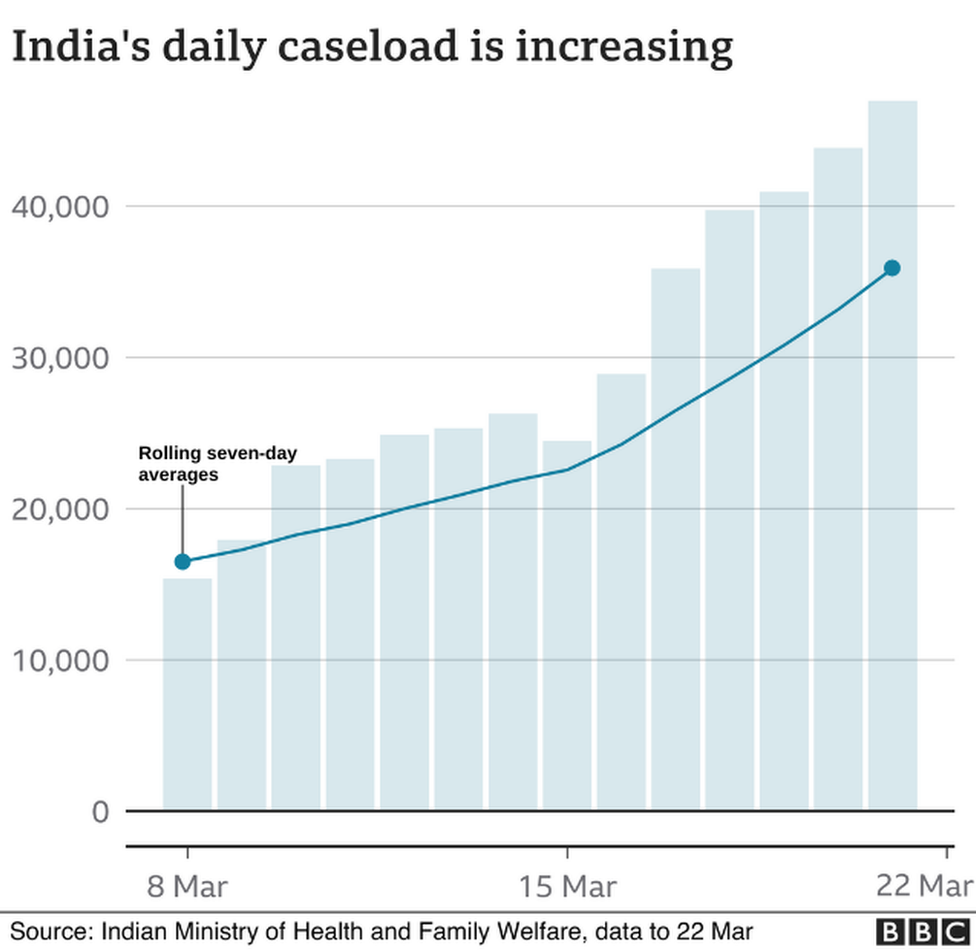
|
||||||||||||||||||||||||||||
|
Thursday 25th March |
||||||||||||||||||||||||||||
|
Another introduction to a famous son of Mayo by my Irish correspondent. He's Dr. Michael Ryan, executive director of the WHO's Health Emergencies Programme, the "fireman of global health", in fact born near Tobercurry in neighbouring County Sligo but raised in Mayo's Charlestown. The town's residents knew he would make an impact. Councillor Gerry Murray remembers:
"After the SARS virus I invited Michael to do a talk at the John Healy weekend and a lot of what's happening now, he flagged it up at that particular stage. He was ahead of the posse. Not only was he on top of the brief but he was ahead of the curve. I'm not surprised with this at all because he told us it was coming unless we changed our ways with sustainability and more." In his twenties he moved to Iraq with his girlfriend and future wife Máire Connolly, also a doctor. He was injured when a military convoy ran his own vehicle off the road; he suffered multiple crushed vertebrae. The back injury prevented him from working as a surgeon so he moved into public health and infectious diseases. He led teams in the field combating Ebola and many others diseases: cholera, SARS, Shigella, bird flu. Blessed with a boundless energy and an outlook a colleague calls "pathological optimism". A practical and heart-of-the-action man, he still finds an office job in Geneva difficult. "I see myself as, yes, a field person." He gets out there when he can. He's on the right in the picture below, airlifting an Ebola response worker who was attacked while Ryan was in the Democratic Republic of the Congo. 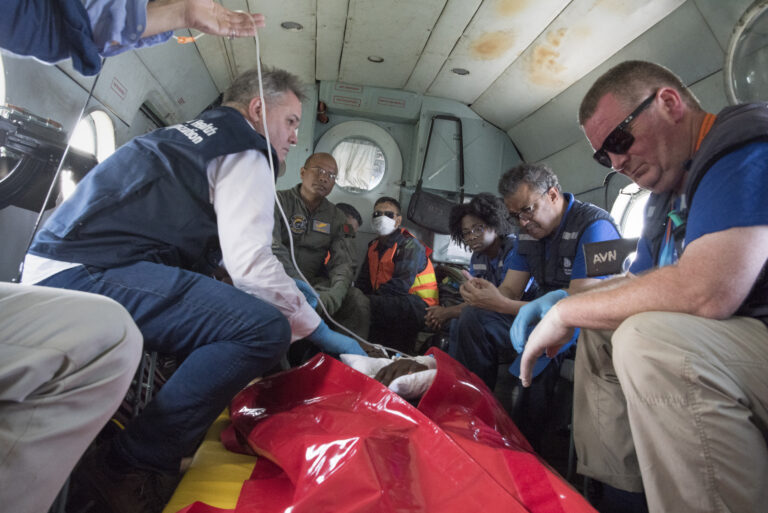
The video here sits alongside other advice that merited more attention earlier in the pandemic cycle, such as Gates' 2015 TED talk (see this blog Sunday 12th April 2020) and Tomas Pueyo's paper "Coronavirus: The Hammer and the Dance" (Wednesday 25th March 2020). It's a straight-talking piece on Sky delivered from Geneva in March 2020. Here are some of his words from the interview: "You need to react quickly. You need to go after the virus. Be fast, have no regrets. You must be the first mover. The virus will always get you if you don't move quickly. If you need to be right before you move you will never win. Perfection is the enemy of the good. Speed trumps perfection. The greatest error is not to move. The greatest error is to be paralysed by the fear of failure." |
||||||||||||||||||||||||||||
|
Wednesday 24th March |
||||||||||||||||||||||||||||
|
We've had the anniversaries. Except for one - my mother would have been 100 today 💗 🎂
Where are we? The FT chart below illustrates the latest seven-day new deaths rolling average featuring the "top" five countries plus the UK. Fatalities are in general much lower than in December through February. Brazil is experiencing an alarming increase and the EU is high. The UK shows a marked fall. After the pride and relief in the success of the UK vaccination programme there's now caution in the air. Summer holidays abroad are looking less likely. Boris has warned that the European third wave will "wash up on our shores". Vaccine supply is expected to shrink next month; I've heard no word of new shipments from India. The EU is still way behind. BTW, I think Boris missed a trick yesterday allowing Marie Curie to initiate the day of reflection. The call should have come from him. |
||||||||||||||||||||||||||||
|
Tuesday 23rd March |
||||||||||||||||||||||||||||
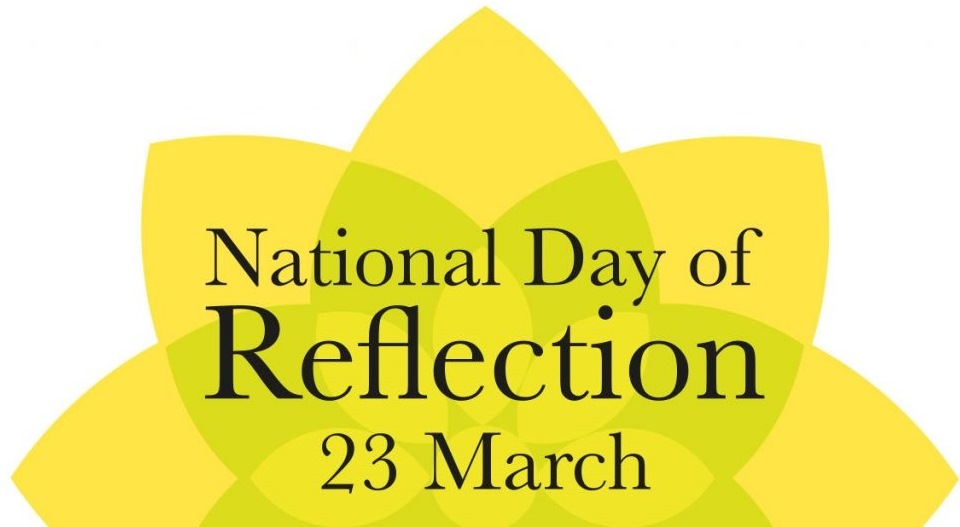
A National Day of Reflection, organised by end-of-life charity Marie Curie to mark one year since the first coronavirus lockdown was announced. In that time the UK's official death toll has risen from 364 to 126,172. The Archbishop of Canterbury Justin Welby said: "This day of reflection is an opportunity to pause and remember all that's happened over the past year, to mourn those who have died but also to give thanks for those who have looked after us and our communities." A minute's silence was held at midday. 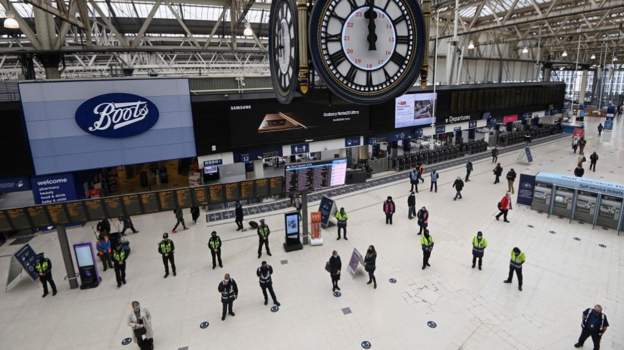
People put out candles at 8pm to signify a "beacon of remembrance". Landmarks were illuminated at nightfall. 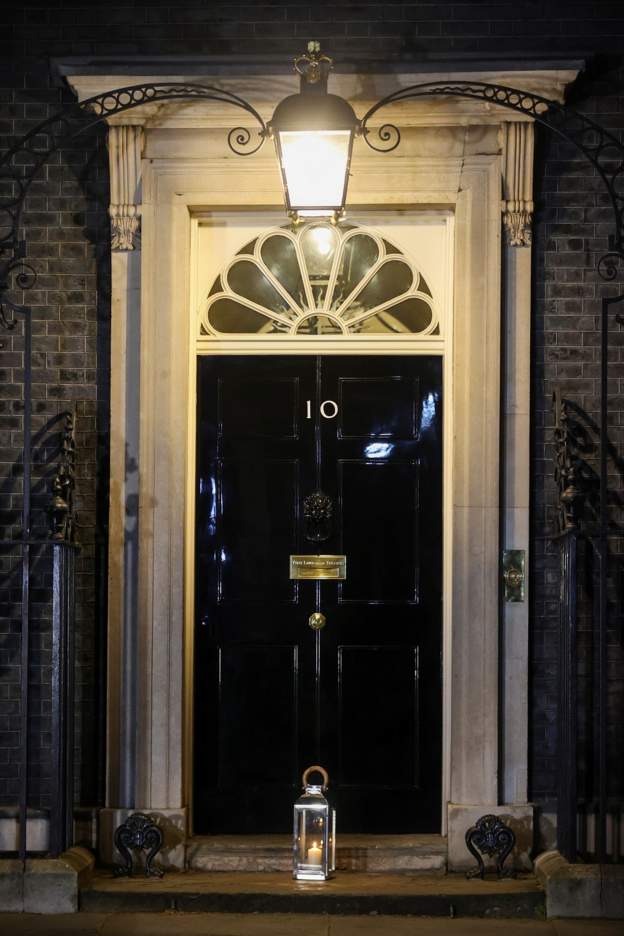
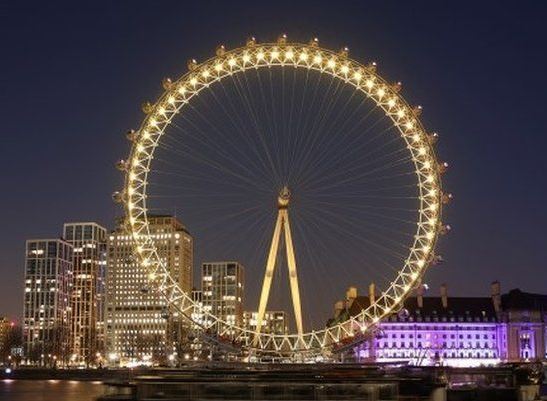
|
||||||||||||||||||||||||||||
|
Monday 22nd March |
||||||||||||||||||||||||||||
I'm sure most people will have been reviewing a year under coronavirus. Today is the anniversary of starting this blog on Sunday 22nd March 2020. I've had about 25 "rest" days either due to lack of inclination or hospital visits, so that's 340 days of posting. Approximately 22,500 words. Not all mine as the blog is an "aggregation of content" including not only my own observations but also contributions from friends and family, quoted pieces from public individuals and organisations. Roughly 205 pages of A4 12-point text.

Reviewing the blog from its outset, I've tried to capture highlights (or lowlights) both personal and of the bigger picture. I'm sure you will have your own memories. There have been some very dark periods. Traumatic loss of life. Moments of light too. It has been without doubt the most bizarre and challenging period experienced by our baby-boomer generation. The equivalent of the war that we've never had to fight? Harder still for the teenager and the family-supporting young adult. Here's my Top 10 of changes brought by the pandemic and other major events, differences from previous years.

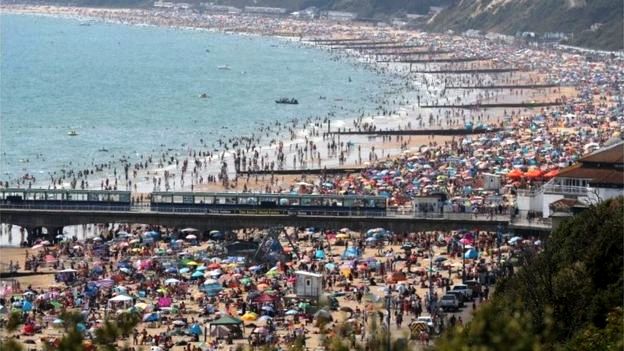
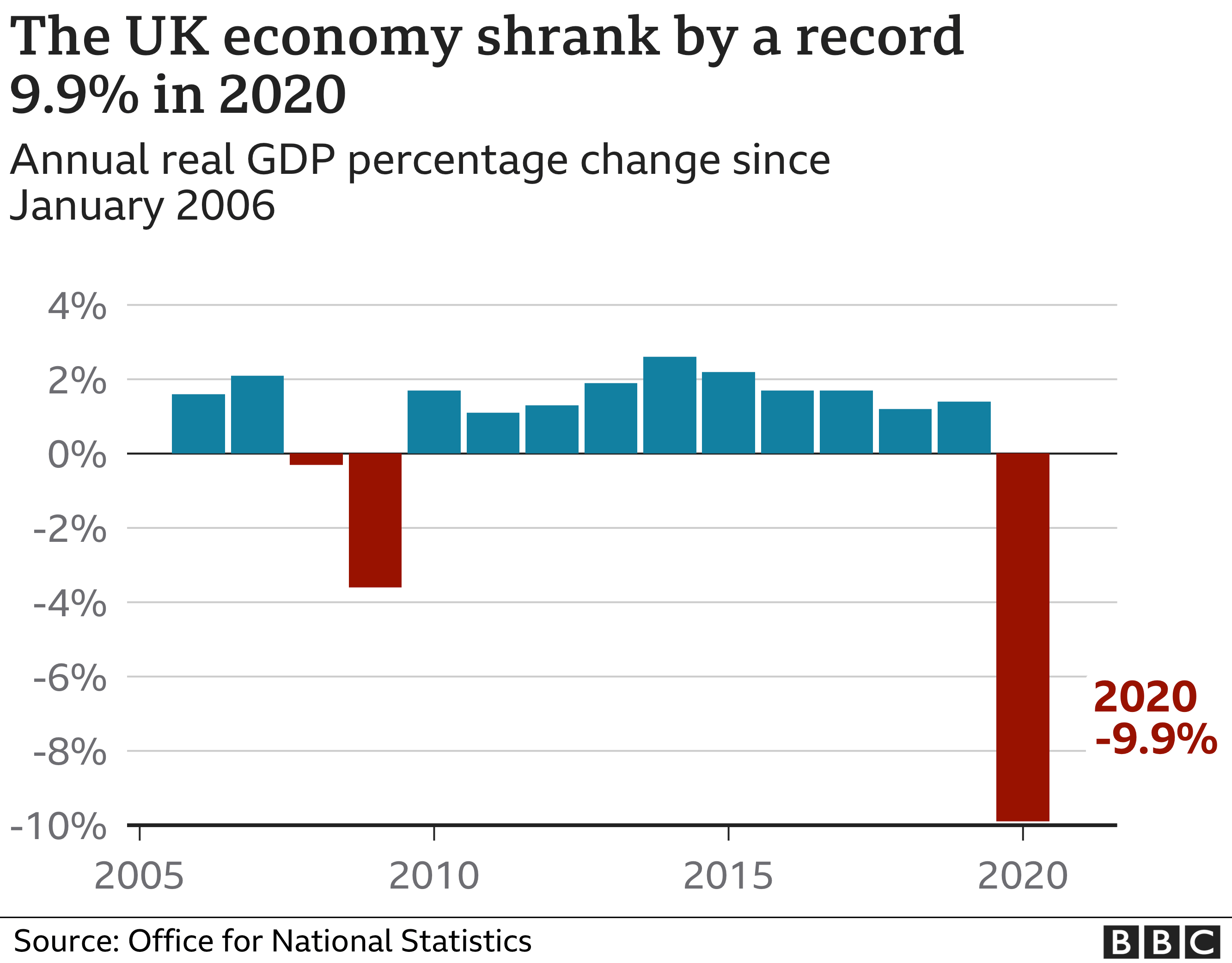
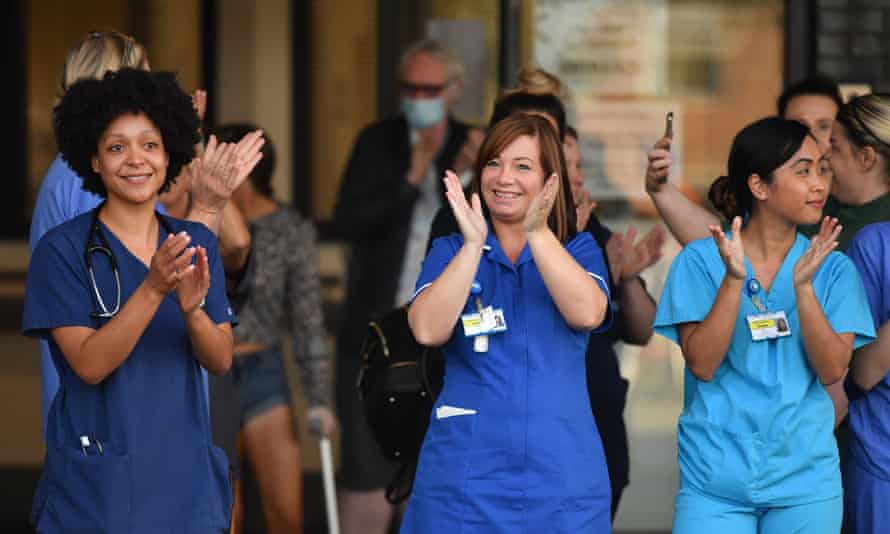
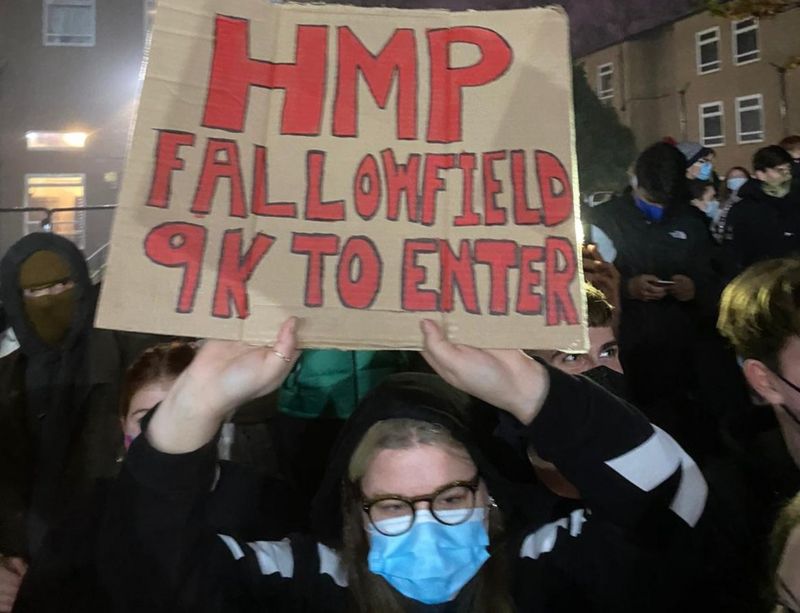
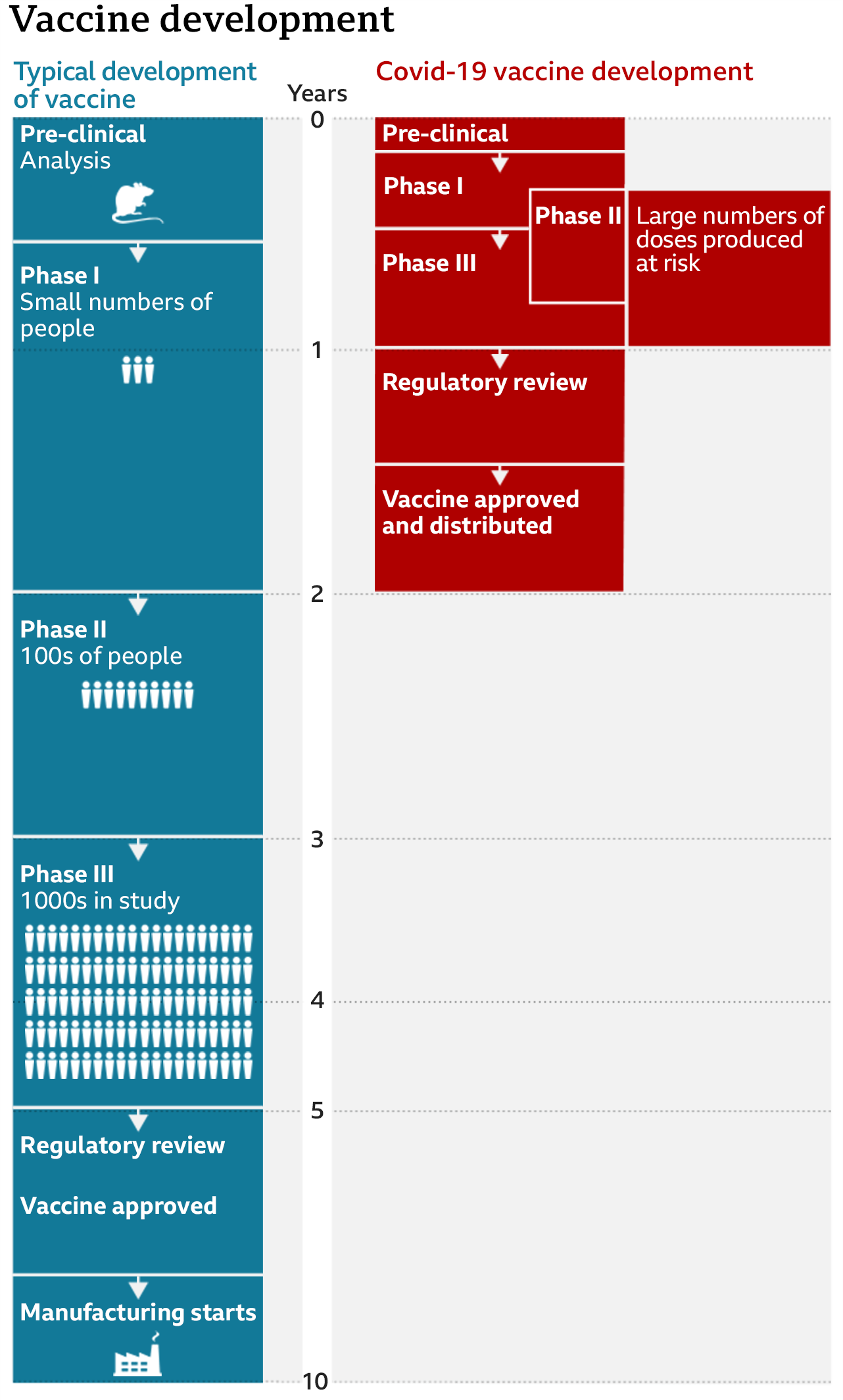
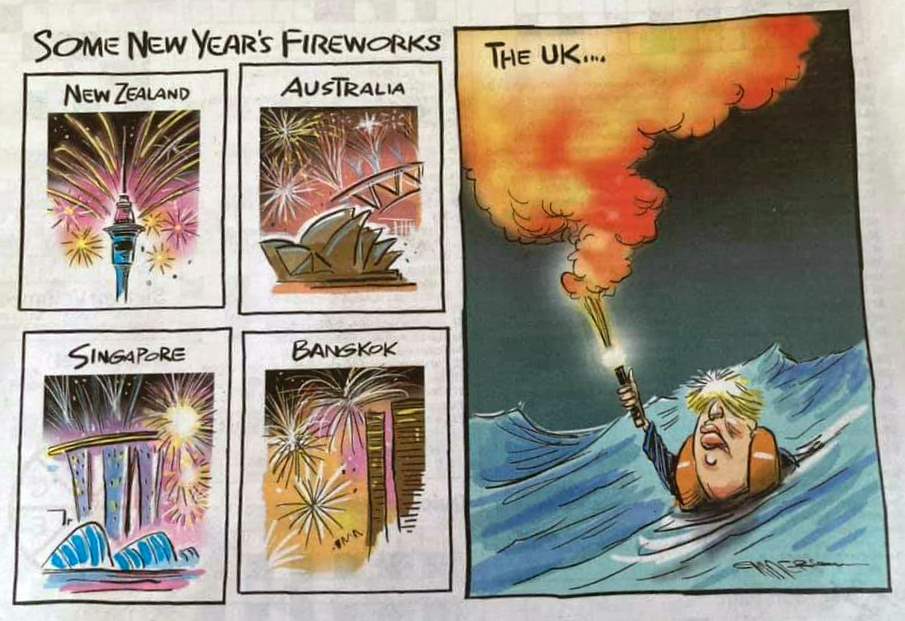
|
||||||||||||||||||||||||||||
|
Sunday 21st March |
||||||||||||||||||||||||||||
It's Census Day.
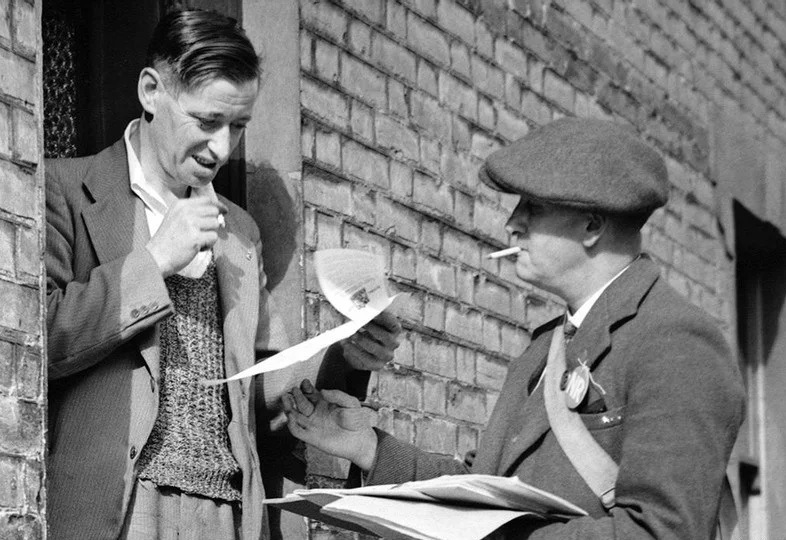
|
||||||||||||||||||||||||||||
|
Saturday 20th March |
||||||||||||||||||||||||||||
Today is the vernal or spring equinox. The northern hemisphere is tilting towards the sun. Light and warmth beckons. A ray of hope.
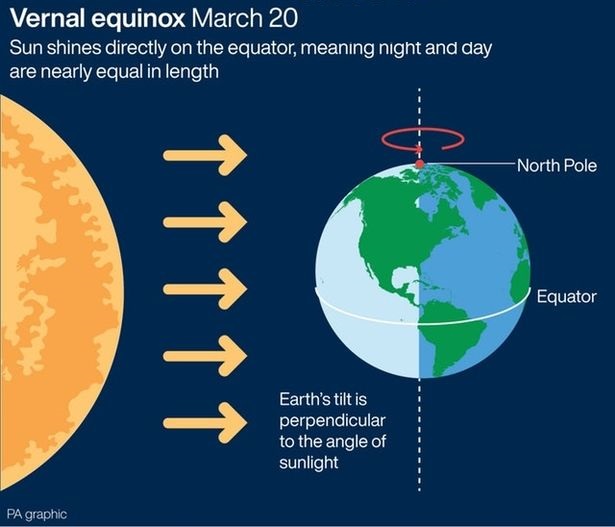
|
||||||||||||||||||||||||||||
|
Friday 19th March |
||||||||||||||||||||||||||||
|
It feels like a bit of a lull today. The same stories roll on.
Boris has initiated talks with India on vaccine supply. Adar Poonawalla, head of the Serum Institute of India (SII), commented: "There was never a commitment to supplying doses to the UK in any stipulated time. We just said we will offer our help. India has allowed five million doses to go to the UK. The balance will be decided to be given to the UK at an appropriate time by the Indian government, while balancing India and all its needs. It is solely dependent on India and it has nothing to do with the SII. It is to do with the Indian government allowing more doses to the UK." I have great sympathy for the experience of case spikes and lockdowns in Europe. CNN reports: France announced new restrictions on 16 regions, including Paris and Nice, though President Emmanuel Macron has refused to reimpose a national lockdown as cases soar. On Monday, large parts of Italy including the cities of Rome and Milan once again entered a strict lockdown, while in Spain, all regions except for Madrid have decided to restrict travel over the upcoming Easter holidays. The German capital of Berlin has halted the planned easing of its lockdown too. [The country's] third coronavirus wave continues to gain momentum with 25,998 new cases on Friday, a 38% rise from the number reported one week ago. There were 419 virus-related deaths, the health ministry said, up 19% from a week earlier. Health ministry officials attribute the spike in infections to the UK variant, which accounts for 54% of all new cases. The number of people in hospital rose 18% compared with a week ago, and the number of people on ventilators rose by 13%. There are more patients on ventilators now than at any time since the start of the pandemic. At least the European Medicines Agency (EMA) has ruled that the AstraZeneca vaccine is "safe and effective". The NHS reported vaccination statistics up to Sunday 14th March. The total number of people vaccinated with at least one dose reached 20,661,496 (45.4% of the population aged 16 and over). We're hovering at the start of my favourite time of year. I'm just waiting for a temperature improvement of a few degrees so that I can get back on my electric bike Yellie. Yes, I'm a fair-weather cyclist; I simply don't enjoy riding in the cold. 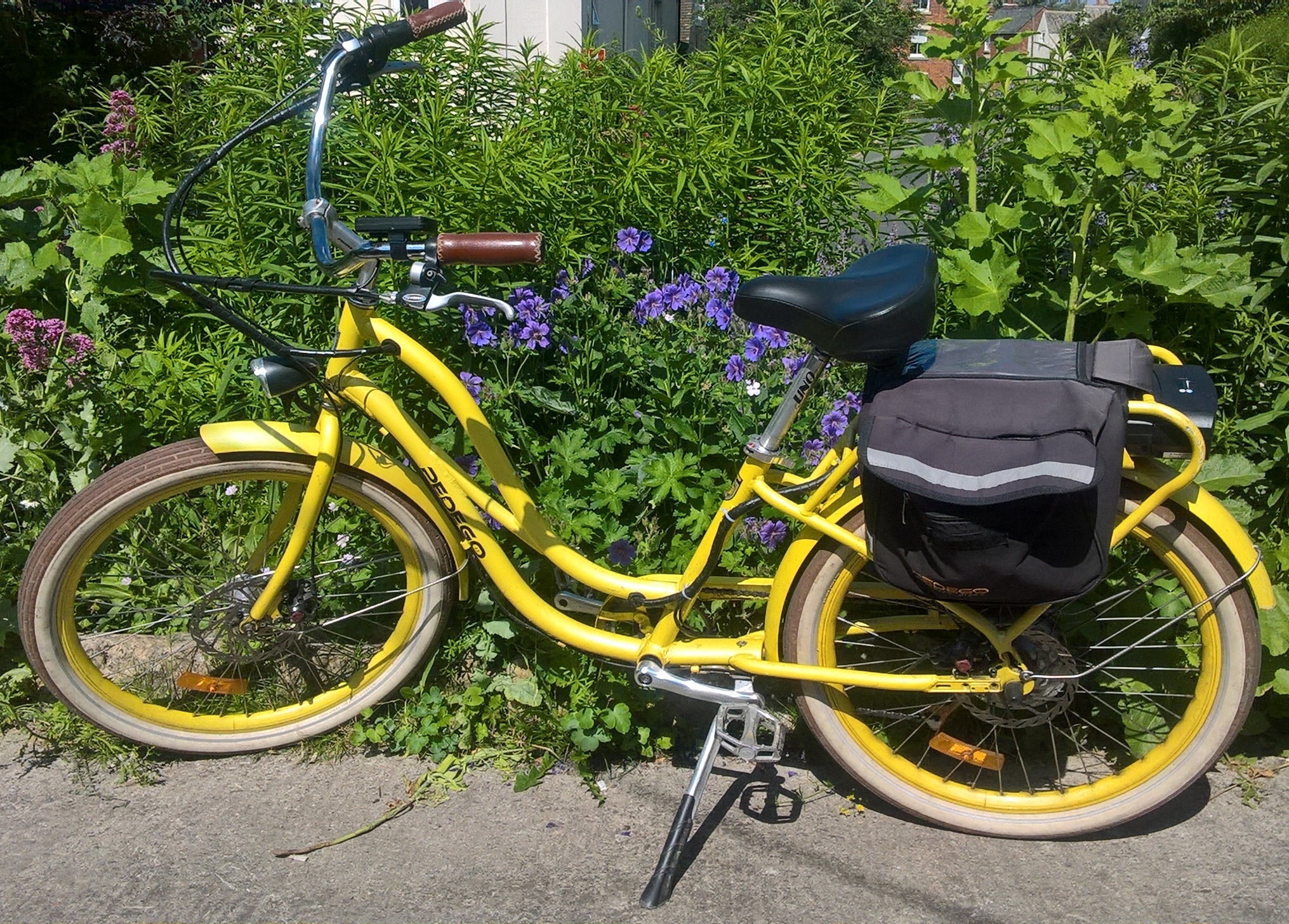
|
||||||||||||||||||||||||||||
|
Thursday 18th March |
||||||||||||||||||||||||||||
|
So, a hiccough in the vaccination programme. I don't really understand the issues. Why should there be a "lumpy" hiatus in the supply chain? I'd imagined that once vaccine production got started it would be steady and tend to improve with time and experience. That's probably a naïve view of operational process. Availability of silicon chips goes up and down. Car manufacture can be hindered by a blip in parts supply. Vaccine producers may run out of glass vials.
There's been a delay in the delivery of five million Oxford-AstraZeneca doses from India; the shipment has been held up by four weeks. The Serum Institute of India said: "Five million doses had been delivered a few weeks ago to the UK and we will try to supply more later, based on the current situation and the requirement for the government immunisation programme in India." Is there a gap between a contract/order and its delivery fulfilment? Commitment seems to shift. "Try to supply more later"? That isn't how a contract should work, is it? Canada had issues with this in the past. In December its government was criticised for buying up, i.e. ordering, multiple times its requirement. Then recently Trudeau got pressure from critics who said he had not delivered vaccines fast enough, implying a disconnect between order and delivery. Serum Institute of India (SII)'s chief executive Adar Poonawalla said that one of the reasons they got ahead in production was that they took a risk in manufacturing before approval was confirmed. This in turn contributed to uneven distribution as they waited for approval to catch up. He has also bemoaned the patchwork of regulatory bodies causing lack of harmonisation and hence delays. The major regulators - the UK's Medicines and Healthcare Regulatory Agency (MHRA), the European Medicines Agency (EMA) and the US Food and Drug Administration (FDA) - could have united and agreed a quality standard. "Why can't we harmonise and save time, especially for the new vaccines." I suppose that this is all uncharted territory. Vaccine development has happened at unprecedented speed, scientists and manufacturers working independently all over the globe. The environment is dynamic and volatile. It's going to be bumpy. The government intention is that the NHS is to continue prioritising target groups one to nine. Second doses will not be put at risk. Any slowdown will affect younger age ranges who have not yet had their first dose. Once again our blessed baby-boomer cohort walks on the sunny side of the Covid street. Deputy chief medical officer Professor Jonathan Van-Tam has re-iterated that there is "no evidence" that the Oxford-AstraZeneca vaccine causes an "increased risk" of blood clots. "JVT rules out DVT" ;-) |
||||||||||||||||||||||||||||
|
Wednesday 17th March |
||||||||||||||||||||||||||||
It's Saint Patrick's Day.

In normal times we would welcome plenty of Irish visitors to Stroud, overspill from the Cheltenham Festival. Not this year sadly as the event is being run behind closed doors (see yesterday's blog). A considerable blow to the local economy. My Irish friend Brian Walsh tells me that his village of Painswick is suffering the loss. The Falcon Hotel next door would usually be full to bursting with Irish enjoying the "craich", but not this week. In recognition of the day, my Irish correspondent has sent greetings and also a pointer to a delightful project in the ancestral home, the Mayo (or better Maigh Eo, meaning "plain of the yew trees") Dark Sky Park. 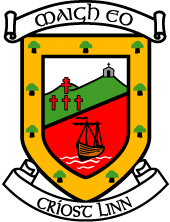
From the Park website: Mayo is now home to Ireland's first International Dark Sky Park, showcasing some of the darkest, most pristine skies in the world. Nestled between the remote Nephin Mountain Range and the unspoiled Atlantic coastline, the Dark Sky Park extends across an area of 150km2. Its borders encompass both Ballycroy National Park and Wild Nephin. There's so much you can discover by looking up at the night skies. On a clear night here in Mayo, you can see over 4,500 twinkling stars, along with other planets in our solar system, The Milky Way and even meteor showers all with the naked eye. We have committed to keeping the skies above us naturally dark for present and future generations to enjoy these wonders of the night sky. Join us and discover the beauty of your Dark Skies. Around the world landmarks are green for Saint Patrick, including the Chicago River and Nelson's Column. 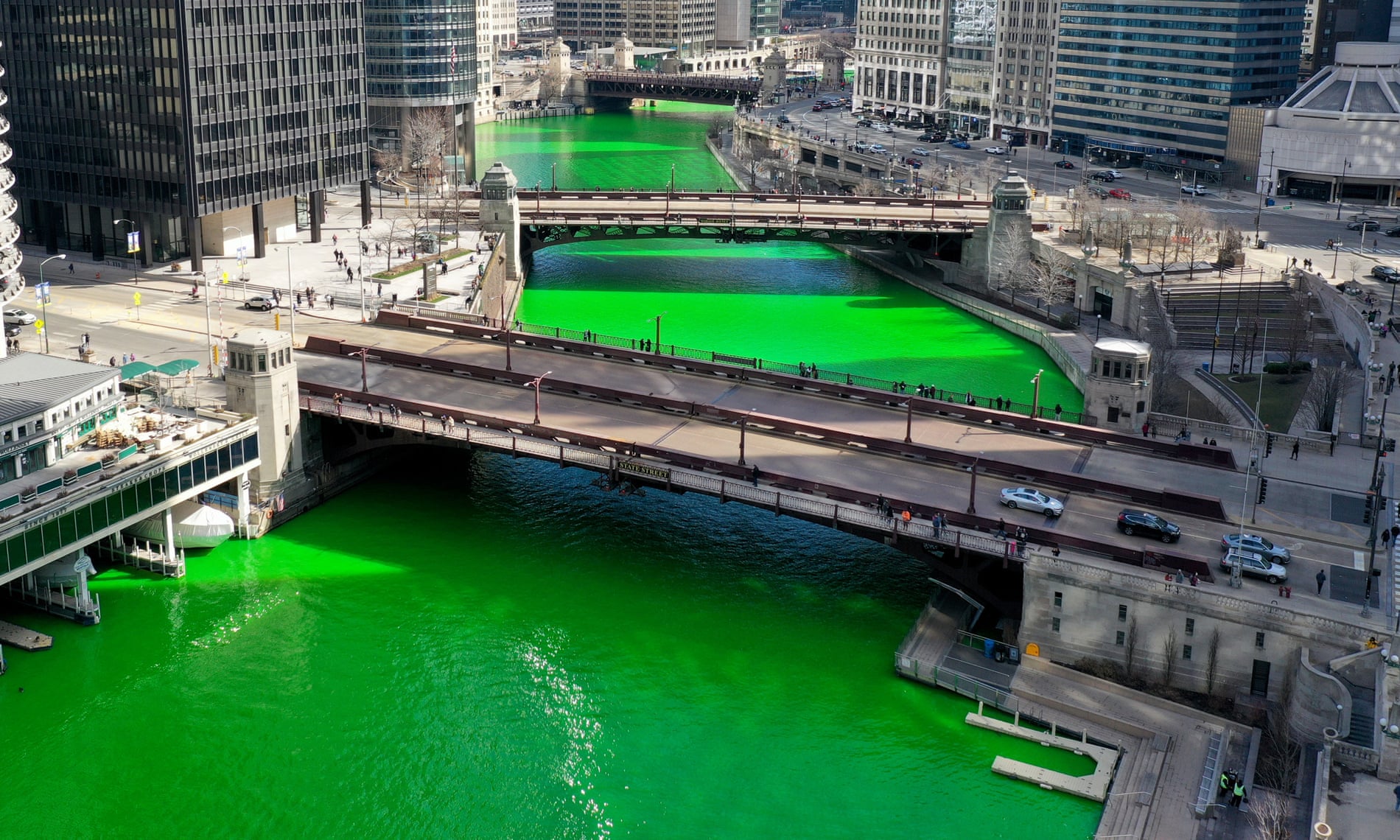
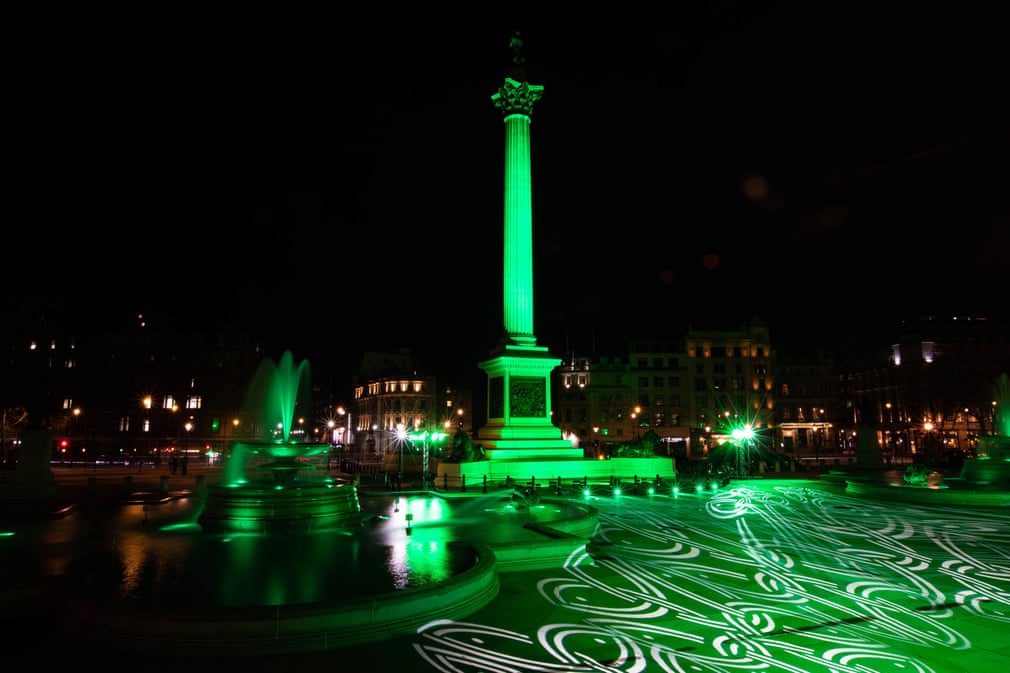
The AstraZeneca vaccine debate rolls on. Some 13 European countries have paused their use of the vaccine. Denmark was first, followed by Norway and Iceland. Germany, France, Italy, Cyprus, Spain, Latvia and Sweden are the latest to follow suit. There's been more European criticism. Karl Lauterbach, a German epidemiologist and health spokesman for the centre-left Social Democrats, said while the pause was justifiable, it was also political. "I would even now get vaccinated with the AstraZeneca. Based on the incidents we now know, the benefits of vaccination significantly outweigh the risks, particularly for the elderly." Poland's vaccination head Michal Dworczyk said countries that have paused their use of the drug "have succumbed to the panic caused by media coverage of alleged complications". |
||||||||||||||||||||||||||||
|
Tuesday 16th March |
||||||||||||||||||||||||||||
I understand the anxiety and caution, but is Europe's blood clot concern with the Oxford/AstraZeneca vaccine justified, or indeed worth the widespread suspension? AstraZeneca says there have been 37 reports of clots among the 17m people across Europe who have been given the vaccine. That's 0.00021%. The incidence under normal conditions in the UK is 0.1% (Thrombosis UK). The World Health Organization (WHO) and the UK Medicines and Healthcare Regulatory Agency (MHRA) do not support evidence of the link. The European Medicines Agency (EMA) has suggested that use of the vaccine should continue. Sir David Spiegelhalter, Professor of the Public Understanding of Risk at Cambridge University, warns: "The precautionary principle favours inaction as a way of reducing risk. But the problem is that these are not normal times and inaction can be more risky than action. Sometimes it can be harmful to wait for certainty. Not vaccinating people will costs lives." The case picture looks improved in the UK, less so elsewhere.
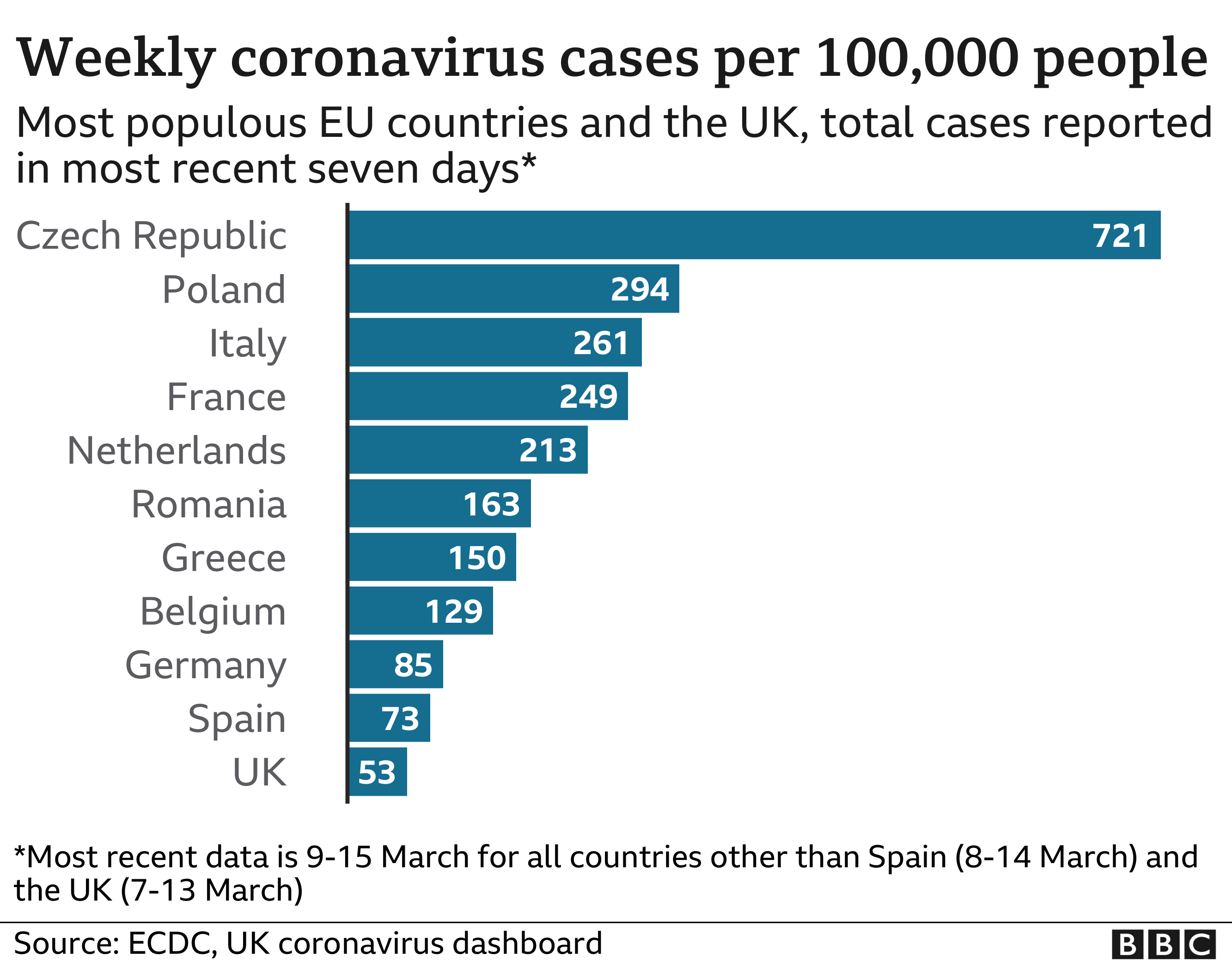
There is the contentious theory that it's not about blood clots at all but rather EU antipathy to a British vaccine. Nicola Magrini, director general of Italy's medicines authority Agenzia Italiana Del Farmaco (AIFA), has said of the suspension: "The choice is a political one." Ironically, one of the most common consequences of serious Covid illness is blood clotting. Here's a summary from the Mayo Clinic: COVID-19 can make blood cells more likely to clump up and form clots. While large clots can cause heart attacks and strokes, much of the heart damage caused by COVID-19 is believed to stem from very small clots that block tiny blood vessels (capillaries) in the heart muscle. Other parts of the body affected by blood clots include the lungs, legs, liver and kidneys. COVID-19 can also weaken blood vessels and cause them to leak, which contributes to potentially long-lasting problems with the liver and kidneys. On balance, the vaccine is a better bet, right? Horse-racing's National Hunt (run "over the sticks") annual Cheltenham Festival at the beginning of the pandemic last year was criticised after several cases of Covid resulted. There certainly wasn't much social distancing going on. 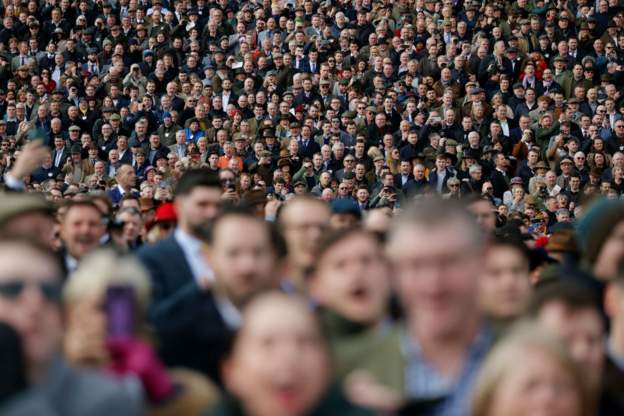
Lessons belatedly learnt, it's all locked down this year. Spectators and racehorse owners are not allowed, special areas have been created to minimise mixing of jockeys, trainers and stable staff with a red zone for the home contingent and green zone for Irish visitors. No punters crowding the bookies' stalls. No "Cheltenham Roar" up the hill to the finish. The Arkle Bar closed. No "craich". Can you imagine? 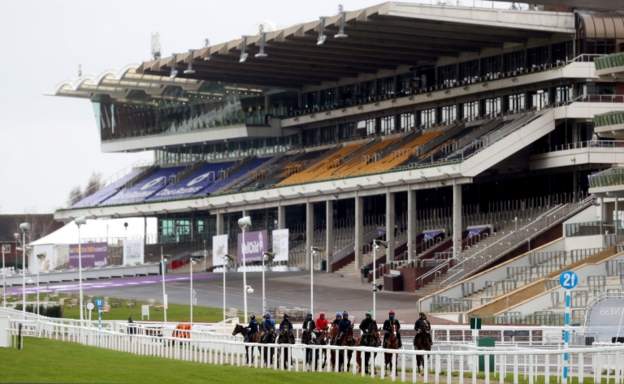
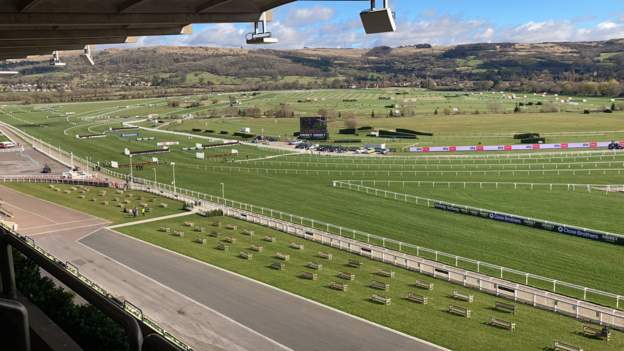
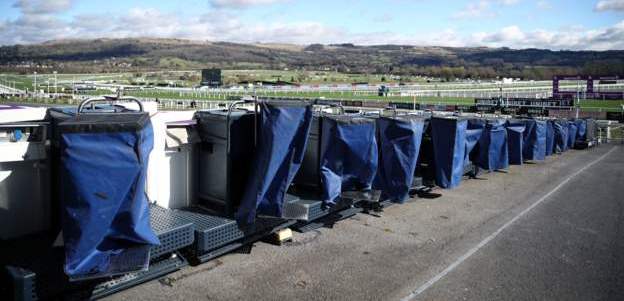
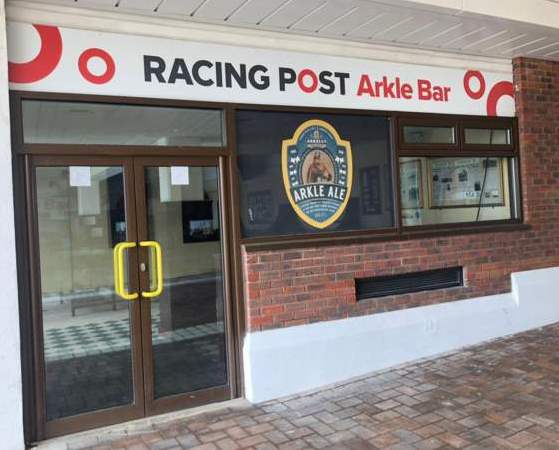
"Locking the stable door after the horse has bolted", eh? |
||||||||||||||||||||||||||||
|
Monday 15th March |
||||||||||||||||||||||||||||
In reading about "bounty" hackers yesterday, I noted in the Hacker Report that "hacking remains a popular pursuit for Generation Z". Did you, as I did, wonder who they were? People with birth dates between 1997 and 2012 according to the chart by CMG Lee below. As the first cohort to have grown up with access to the Internet and portable computer technology they have been dubbed "digital natives", also "zoomers". Now, to which generation do you belong (click to enlarge the chart)?
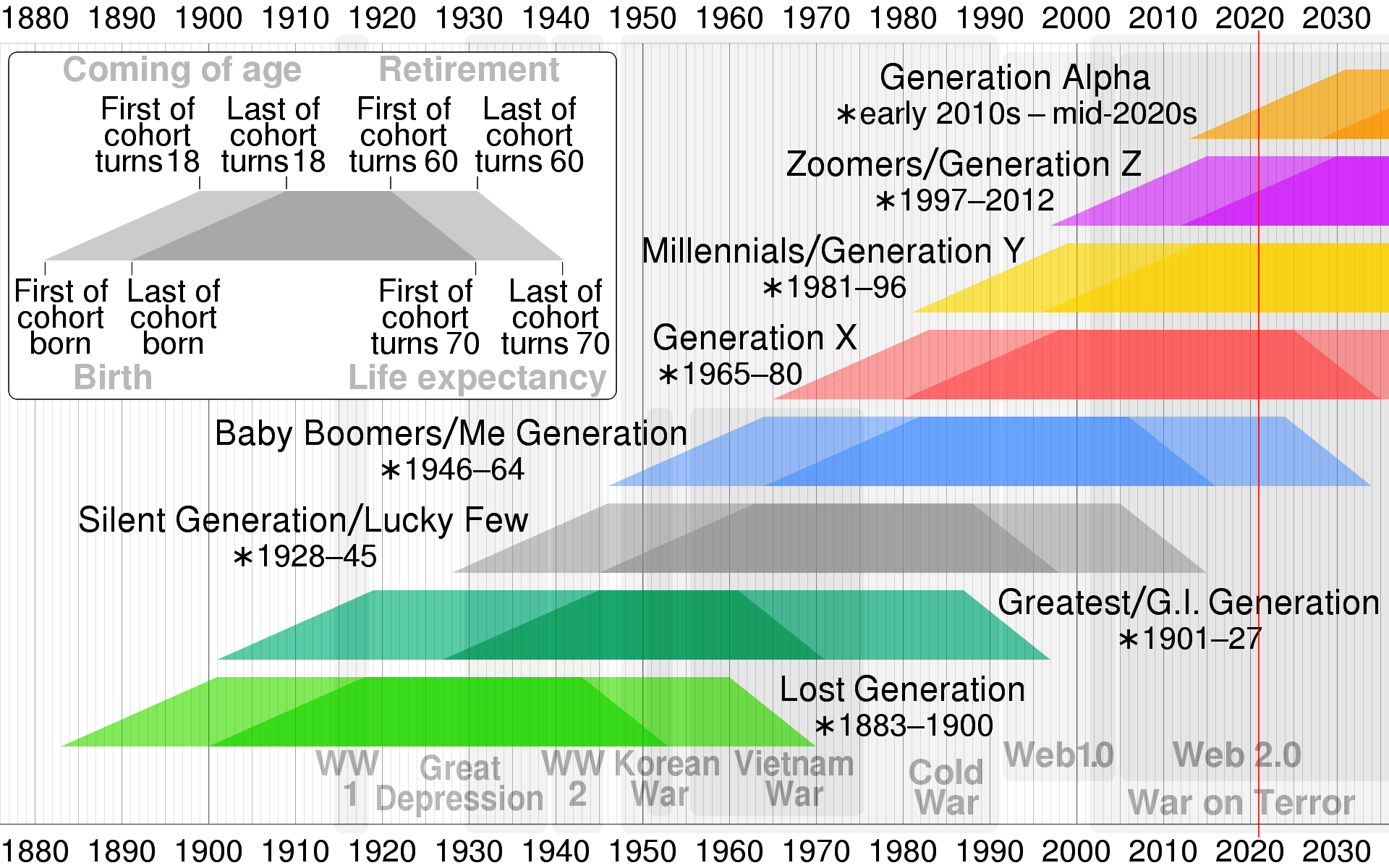
There's still good news about the UK vaccination programme. 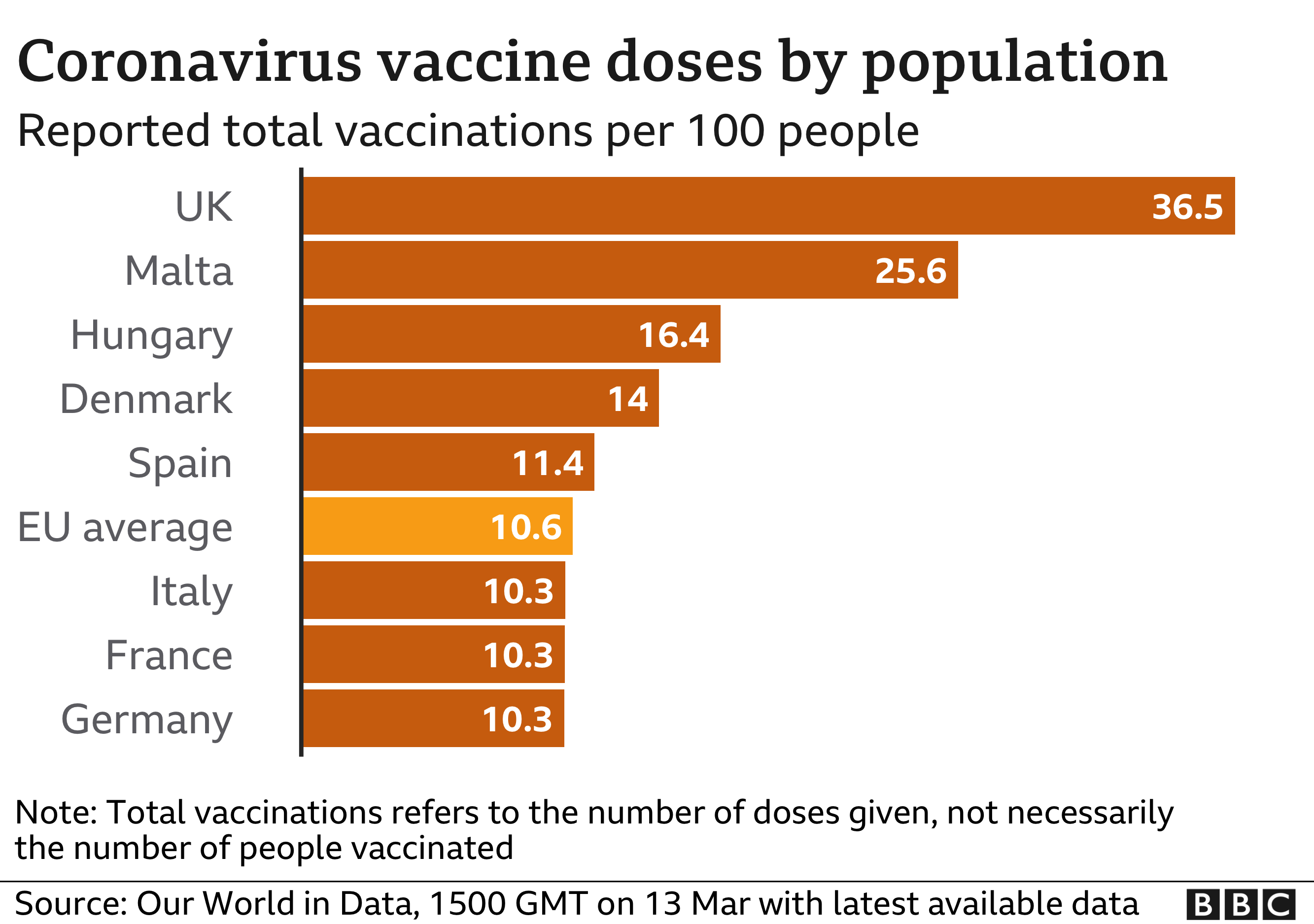
The contrasting EU position persists. Italy and Germany have confirmed a third wave of the pandemic. Poland and Hungary have seen serious spikes in infection, while the Czech Republic and neighbouring Slovakia report some of the highest death rates per population in the world. European voices continue to criticise the EU vaccine strategy, frequently comparing with UK success. Austrian Chancellor Sebastian Kurz accused the Commission of presiding over a vaccine "bazaar" and failing to distribute jabs according to each country's population size, despite an agreement to do so (refuted by the Commission). One EU insider said: "I don't understand those in the EU who can't praise the UK where praise is due. The government there has done a great job getting vaccines. The NHS is doing amazing work with the vaccine roll-out. And we should openly say that." Another commented: "We hate to see our loved ones and the vulnerable still exposed to the virus when counterparts elsewhere are protected by vaccines we can't access as fast as we expected." Germany's popular Bild newspaper had this "deutschenglische" headline: "Liebe Britain, We Beneiden You (Dear Britain, we envy you)." Lest we get carried away and forget earlier government tribulations, take a look at Lisa Allardice's excellent article in last Saturday's Guardian Review on author and poet Michael Rosen and his struggle to survive Covid. He holds the government's delayed response to the pandemic responsible for the fact that he was exposed to the virus. "What were they thinking in February and March? I was going around on tubes and buses, packed full of people. I was going into schools, kids coming up to me, signing books." In a blog posted last month, Rosen has created a timeline of those first two weeks in March, bringing together all the government's statements on the virus, from Boris Johnson's "boasting" about shaking hands with coronavirus patients to talking about the need "to strike a balance" between intervention and a push for herd immunity. "Why would you balance it? Why wouldn't you just dismiss it as lousy biology and incredibly dangerous?" he asks now. "It was a huge, huge gamble and, in a way, I'm a victim of it." And he has no intention of letting the government off the hook, tweeting daily reminders: "Yes Rishi," he writes in reply to the chancellor's pre-budget tweet on 2 March. "One year ago, your government was still playing about with the idea of herd immunity without vaccination. The result is that tens of thousands of people have died and thousands more affected, some of us for life." Indeed. A year ago Patrick Valance said, "If we can get this [the number of UK deaths] down to 20,000 and below, that is a good outcome." Today the total is over 125,000. Rosen's new book is called "Many Different Kinds of Love: A story of life, death and the NHS", to be released on March 18th. Here are some poetry fragments and an illustration by Chris Riddell.
Rehab
They've been worried about my low blood pressure but they've brought me the Daily Mail so it'll be fine in just a moment Sign? A doctor is standing by my bed asking me if I would sign a piece of paper which would allow them to put me to sleep and pump air into my lungs 'Will I wake up?' 'There's a 50:50 chance' 'If I say no?' I say 'Zero' And I sign Going Home I'm a traveller who reached the Land of the Dead I broke the rule that said I had to stay I crossed back over the water I dodged the guard dog I came out I've returned 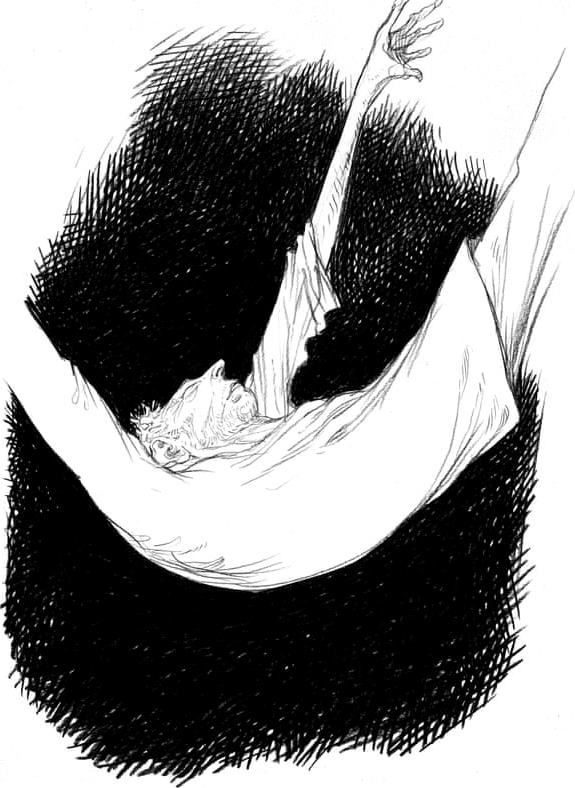
|
||||||||||||||||||||||||||||
|
Sunday 14th March |
||||||||||||||||||||||||||||
|
An obvious IT-related boom industry in the last year has been cyber crime, partially driven as expected by the pandemic. The conditions are perfect to encourage its growth. Our reliance on the online world is not going to shrink. The number of globally Internet-connected devices is expected to increase from 35 billion in 2021 to 75 billion in 2025 (Security Today). The world cybersecurity market was estimated to be valued at $176.5 billion in 2020 and is forecasted to be worth $403 billion by 2027 (CEPro).
There's an unusual flip side to this, the emergence of enterprising "bounty" hackers, often very young, who have been making hay identifying and neutralising security flaws. Major firms will part with large sums to be rescued. HackerOne is the leading bounty company paying these software detectives to resolve threats. 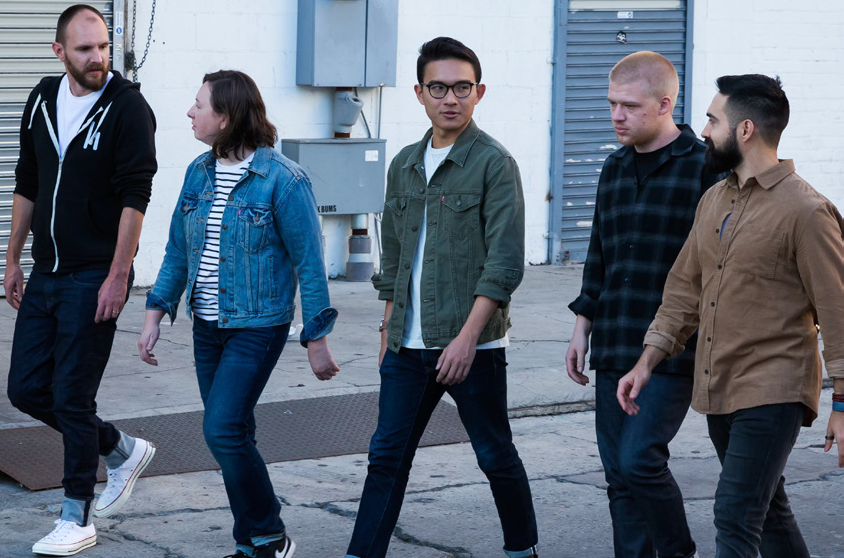
The company's 2021 Hacker Report publishes its own internal statistics:
Here's the report: |
||||||||||||||||||||||||||||
|
Saturday 13th March |
||||||||||||||||||||||||||||
As I mentioned briefly at the tail-end of yesterday's blog, we've just celebrated the 32nd birthday of the World Wide Web (WWW). It was invented by English computer scientist Sir Tim Berners-Lee, described in his proposal of 12th March 1989. You may remember that he was honoured in the opening ceremony of the 2012 London Olympics, centre-stage with his NeXTcube computer sending the famous message below.
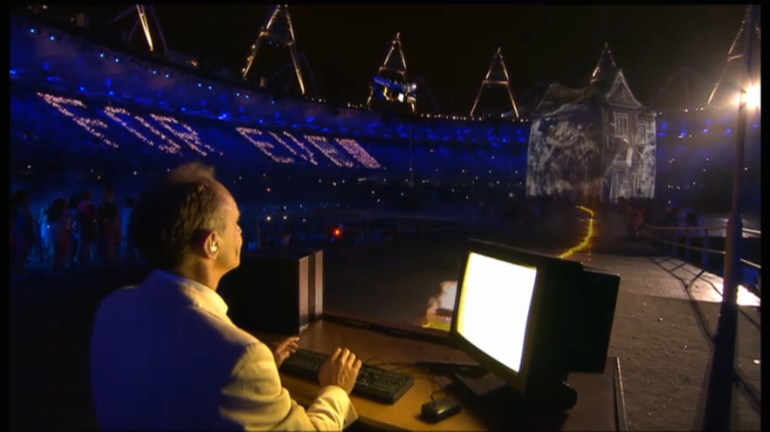
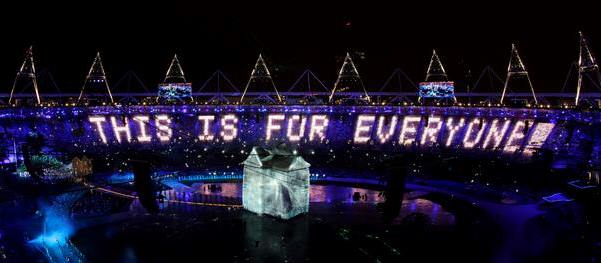
The pandemic has emphasised the huge contribution that he made. How would we have survived this last year's isolation without the WWW? He and his wife Rosemary Leith have written their annual letter to the World Wide Web Foundation which they co-founded in 2009. How typical of them both not to sit on their laurels but to look at the challenges of the future. The letter celebrates the achievements of young people, nine in particular, in using technology for human benefit (not money nor personal gain) and recommends investment in continued support. They stress how far we have to go: "The influence of these young people is felt across their communities and online networks. But today we're seeing just a fraction of what's possible. Because while we talk about a generation of 'digital natives', far too many young people remain excluded and unable to use the web to share their talents and ideas. A third of young people have no internet access at all. Only the top third of under-25s have a home internet connection according to UNICEF." Some points about investment: "We know what it would take. The Alliance for Affordable Internet (A4AI), an initiative of the Web Foundation, has calculated that $428 billion of additional investment over ten years would provide everyone a quality broadband connection. To put this in perspective, that amounts to the equivalent of just $116 per person for the 3.7 billion people who remain offline today. "It's estimated that a 10% increase in the number of people online translates to a 2% lift in an economy's GDP, and new analysis finds that achieving universal broadband in the developing world by 2030 would deliver around $8.7 trillion in direct economic benefits." 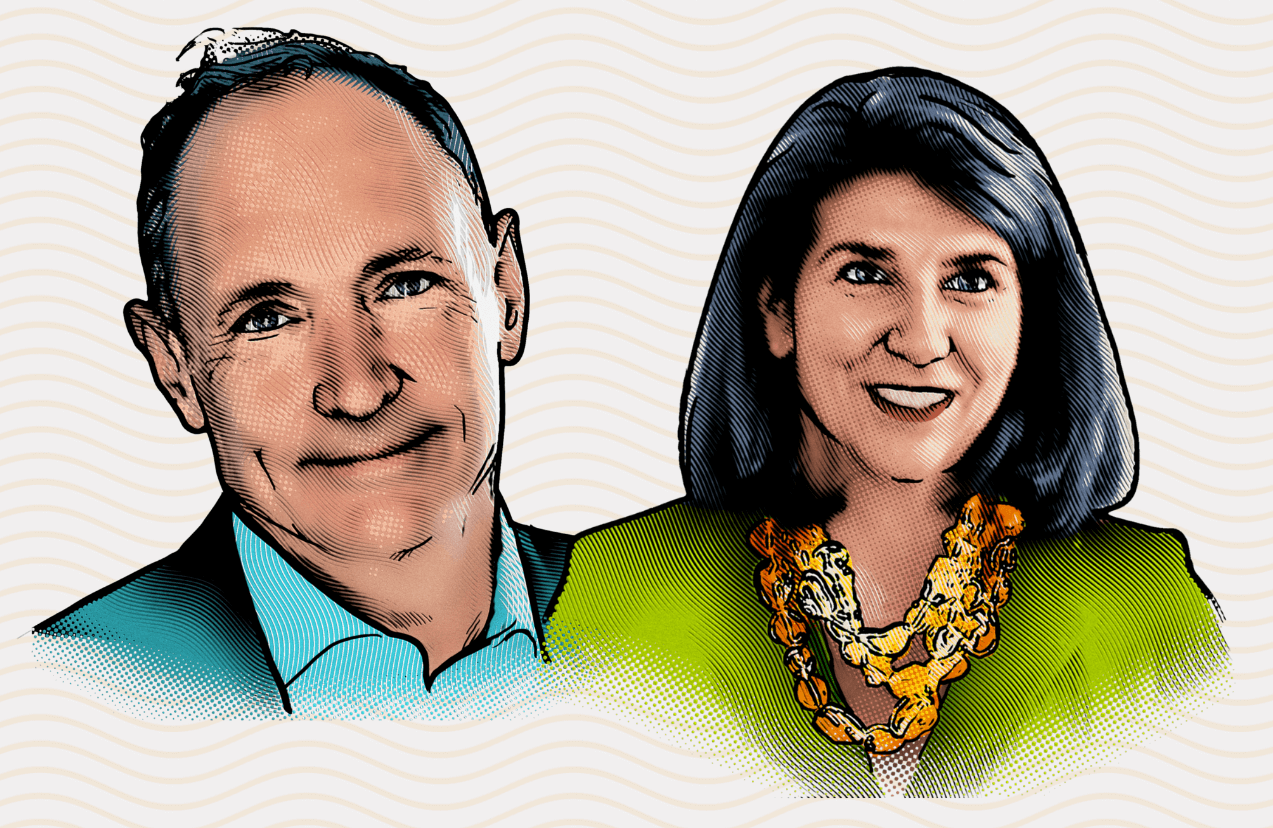
Here's the letter: 
Tim is one of the true heroes of the Internet. All done for the love of technology and the global good. He's never made a killing out of the web unlike many we can mention. Another largely unknown pioneer, recognised as one of "the fathers of the Internet", also a prince of science not financial gain, is Vinton Cerf. He co-developed with Bob Kahn the underlying carrier software infrastructure, TCP/IP (Transmission Control Protocol/Internet Protocol). Its "flag day" was January 1 1983 when the migration to TCP/IP was officially completed. My friend Alf Florio has countered my assertions about Boris' performance at Wednesday's PMQs: "I have to disagree with you over the last Prime Minister's question time. I think that, as usual, Boris did not answer the question that was put to him. The subject was the 1% offer to NHS workers - individuals who had responded magnificently to the tsunami of Covid sufferers like no other that had put workers on their knees from physical and emotional exhaustion. By referring to his own family who were NHS workers Kier Starmer accentuated the individual, the personal - who Boris had clapped for. He asked if the apple that they were being offered was just. Boris answered by the giving the number of pears that had been given to the institution of the NHS - so instead of being an accurate factual response to the question it was the usual camouflaged bluster. (I think Kier Starmer might have made the point that all the new nurses and doctors who had been replaced had been lost over the previous ten years because of Tory cuts policy)." | ||||||||||||||||||||||||||||
|
Friday 12th March |
||||||||||||||||||||||||||||
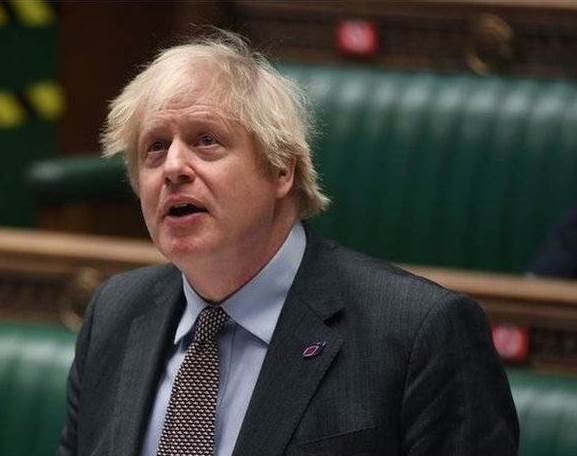
I've been going over last Wednesday's Prime Minister's Question Time (PMQs). I think Boris was the winner. Is he getting more confident? The vaccination programme has given him an enormous boost, possibly career-lengthening. The budget promised more welcome financial commitment, which gave Rishi Sunak the room simultaneously to spell out future plans for reducing the debt, "burying bad news". There has been little criticism of the lockdown-easing roadmap. People trust that it's going to work. Let's hope so. He seemed in command of the statistics, his delivery peppered with number-backed claims of government success. This is the Hansard record of Boris' statements; I haven't been able to validate their accuracy.
"Commons oral questions are tabled by MPs at least three days in advance of the Question Time the relevant government department is due to answer. The order in which the questions are asked is determined by the 'shuffle', carried out randomly by a computer. On the day the questions are due to be asked they are printed in 'Business Today' in the Order Paper. The Leader of the Opposition is permitted to ask a total of six questions, the only MP who is allowed to come back with further questions." The PM is not operating off-the-cuff. He knows what's coming and has time to get prepared. It was evident on Wednesday that Boris' team was ready and had briefed him. An indicator of his comfort were the pinches of levity he allowed himself. A lightly ironic reply to a West Dorset MP Chris Loder question on the county's single-track railway lines: "My hon. Friend knows whereof he speaks. He is probably one of the greatest experts on railways in this House." Southport's Conservative MP Damien Moore invited the PM to visit and witness the town's regeneration projects. Boris playfully quipped: "Yes, indeed. I am told that the boulevard of light on Lord Street rivals the Champs-Élysées itself, and I will certainly keep my hon. Friend's invitation in mind." In contrast Keir Starmer's responses, although valid criticisms, didn't hit the mark. He played the personal card: "My mum was a nurse; my sister was a nurse; my wife works in the NHS - I know what it means to work for the NHS." A weak rebuttal to the weight of Johnson's numbers. The PM could be accused of repetition of several claims, but that's an old oratorical trick; if you say something often enough, your audience will remember it, even believe. Boris aimed the best one-liner at Starmer: "We vaccinate, he vacillates." I'm at odds with John Crace of The Guardian. He favoured Starmer. "With every word Boris uttered you could sense confidence returning to the Labour leader. This was the old Johnson, the one who couldn't be bothered to prepare properly, the one who struggled to show empathy. This was the PM who was not nearly as intellectually agile as he liked to believe. The longer the exchanges went on the more convincing Keir sounded and the more feeble Boris's bluster became. This felt like a rebooted Labour leader. Starmer 2.0. One who had the best soundbites and was still hungry to accumulate even the marginal gains of an easy win at PMQs." I'm right ;-) And disappointed :-( The Hansard transcript of the full PMQ session is here: Today is the 32nd birthday of the World Wide Web, invented by one of our own Sir Tim Berners-Lee. A truly altruistic project launched through the publication of his paper "Information Management: A Proposal". 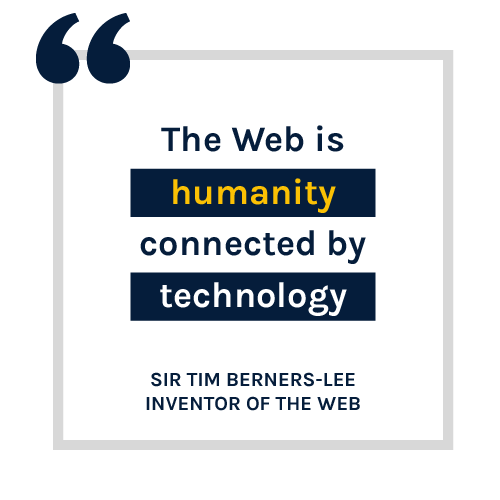
|
||||||||||||||||||||||||||||
|
Thursday 11th March |
||||||||||||||||||||||||||||
Safety barriers blown down by the high winds last night. I don't know why they dug this hole. Severn Trent aren't touching our water supply; they're replacing the old lead pipes to the two next-door houses. So far they've only managed to slice and repair our gas pipe ;-)
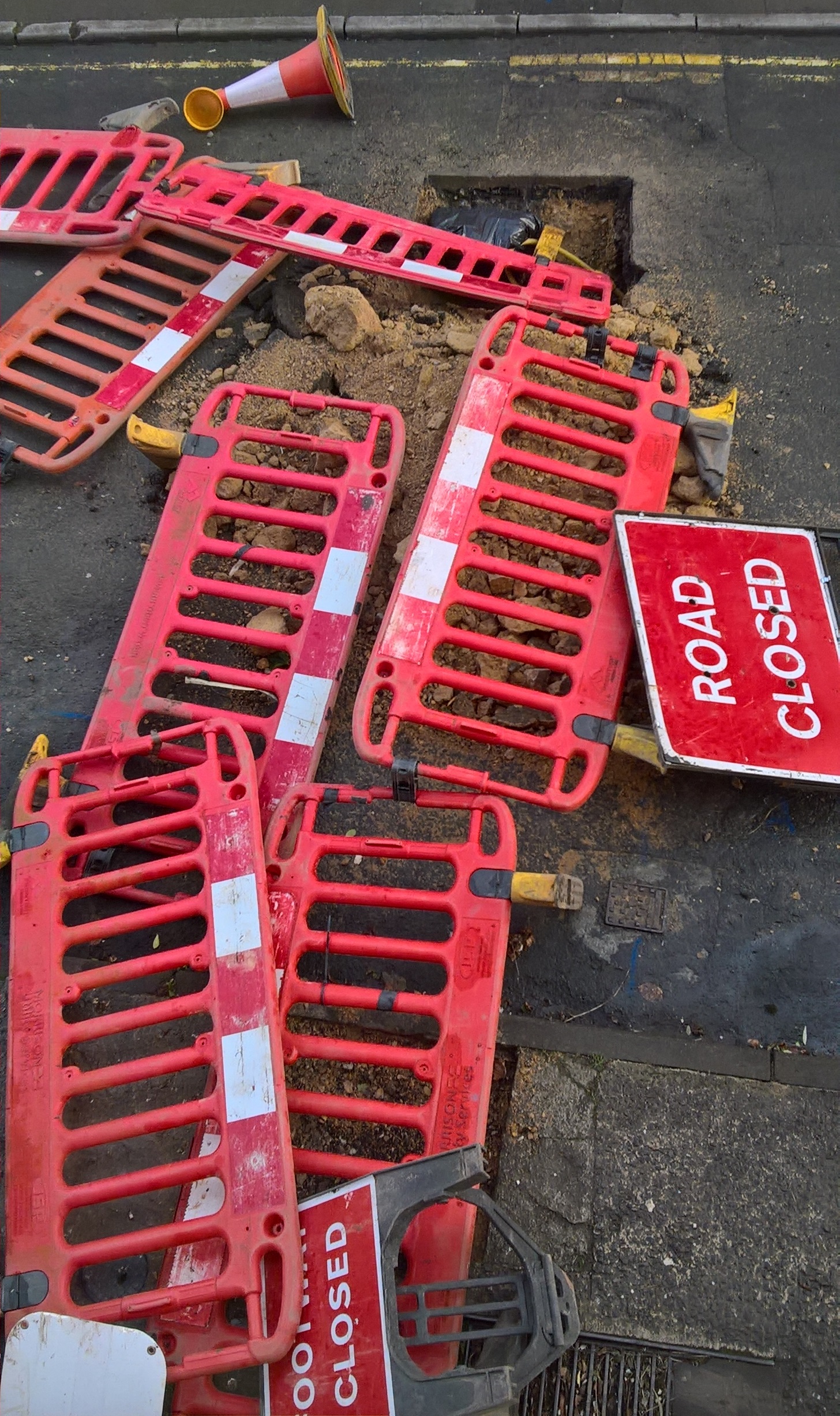
Clearing waste, filling in the holes. Boys' big toys. 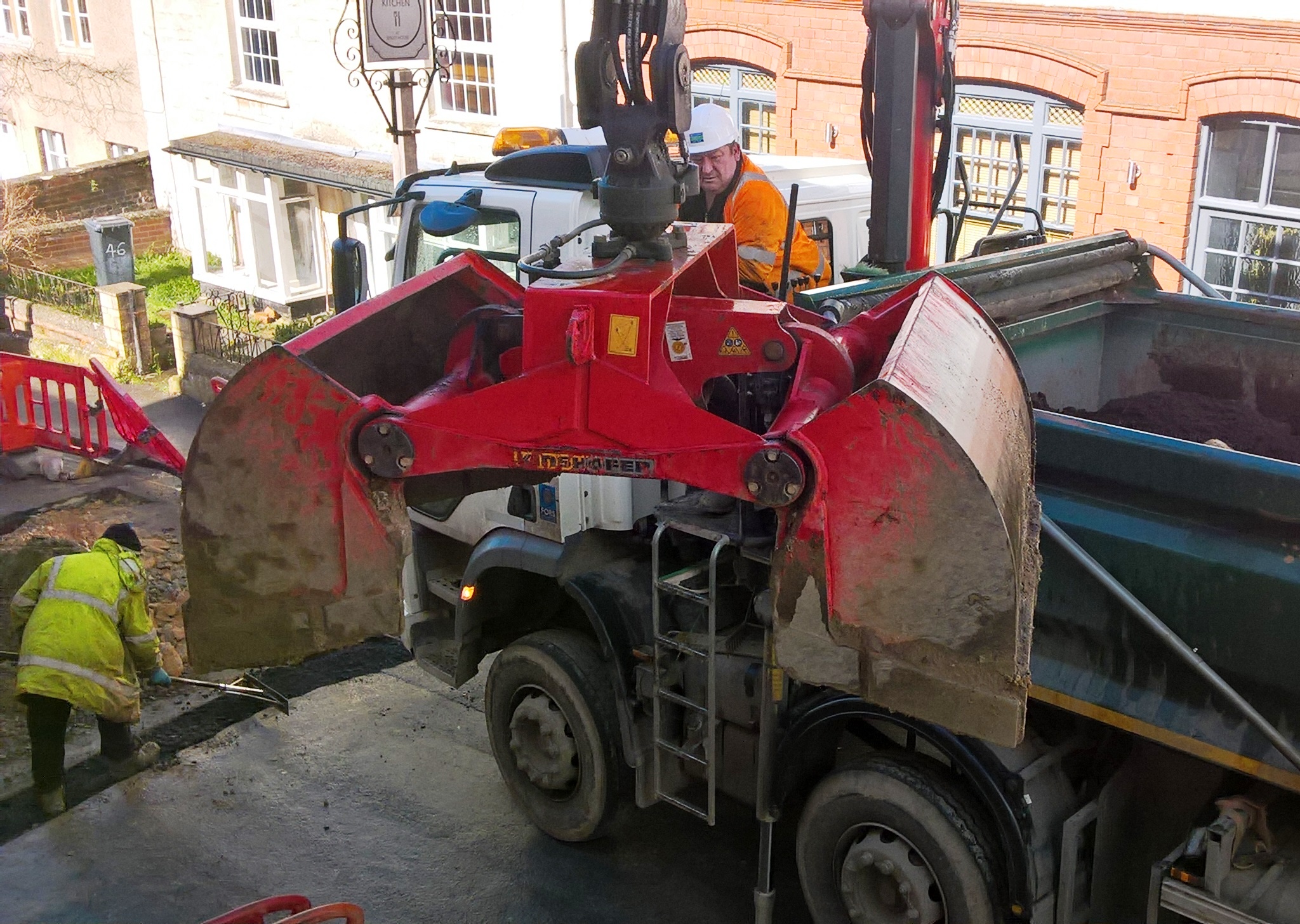
|
||||||||||||||||||||||||||||
|
Wednesday 10th March |
||||||||||||||||||||||||||||
|
Final bit on the Oprah interview. I promise. Piers Morgan has left Good Morning Britain. ITV announced the decision after Ofcom said it was investigating his abrasive comments about the Duchess of Sussex after receiving 41,000 complaints. He walked off set during an altercation with co-presenter Alex Beresford.
Back to the important stuff. We still have to navigate our way through the pandemic. Professor Chris Whitty re-iterated warnings yesterday: "A lot of people may think this is all over. It is very easy to forget how quickly things can turn bad. Under all the scenarios, if we unlock very suddenly all the modelling suggests we would get a substantial surge while a lot of people are not protected." Here's a handy reminder of how we have to continue vigilance: 
It's right to applaud the success of the government's vaccination programme. However, we need to remember some of the earlier (and continuing?) mismanagement contributing to the virus debt, specifically test-and-trace. The Public Accounts Committee chair Meg Hillier said: "The promise on which this huge expense was justified - avoiding another lockdown - has been broken, twice." £37bn set aside for it over two years. £22bn in 2020-21 and another £15bn in 2021-22, consultants paid an average of £1,100 a day each, some paid more than £6,600. Baroness Dido Harding, head of the National Institute for Health Protection, claimed: "It is making a real impact in breaking the chains of transmission." I should hope so too. It's interesting to see who's involved in the process. 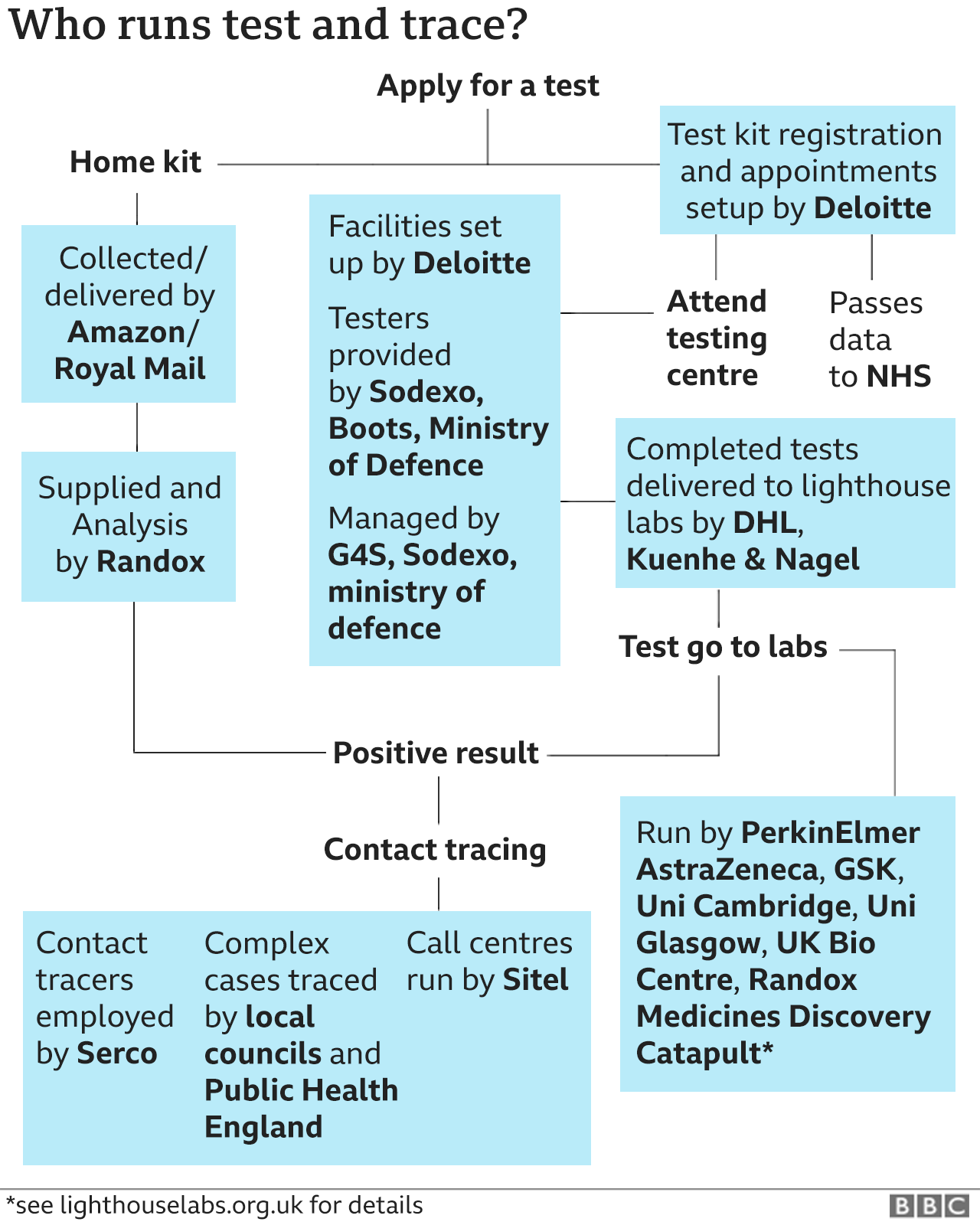
We know from our Zoom experiences that the constraints of the pandemic have stimulated the use of virtual communications. As part of a volunteer project I'm getting to grips with Microsoft Teams. It's a rich collaborative platform including chat, calendar, schedules, meetings, videoconferencing, file storage, application integration and much more besides. On March 19 2020 Microsoft announced that Teams had hit 44 million daily users, in April 2020 75 million. By the fourth quarter of 2020 that number had grown to 115 million. On a single day in that April 4.1 billion meeting minutes were logged. From March to June 2020 Teams noticed 894 percent growth. Teams' big competitor was Slack which it has now far outstripped according to industry commentator BusinessofApps. The world has changed and we're not going back. Just finished a Teams meeting. It's all very well carrying on virtual engagements from your home office, but less good when Severn Trent are digging up the road directly outside. I was obliged to keep the mute button on. 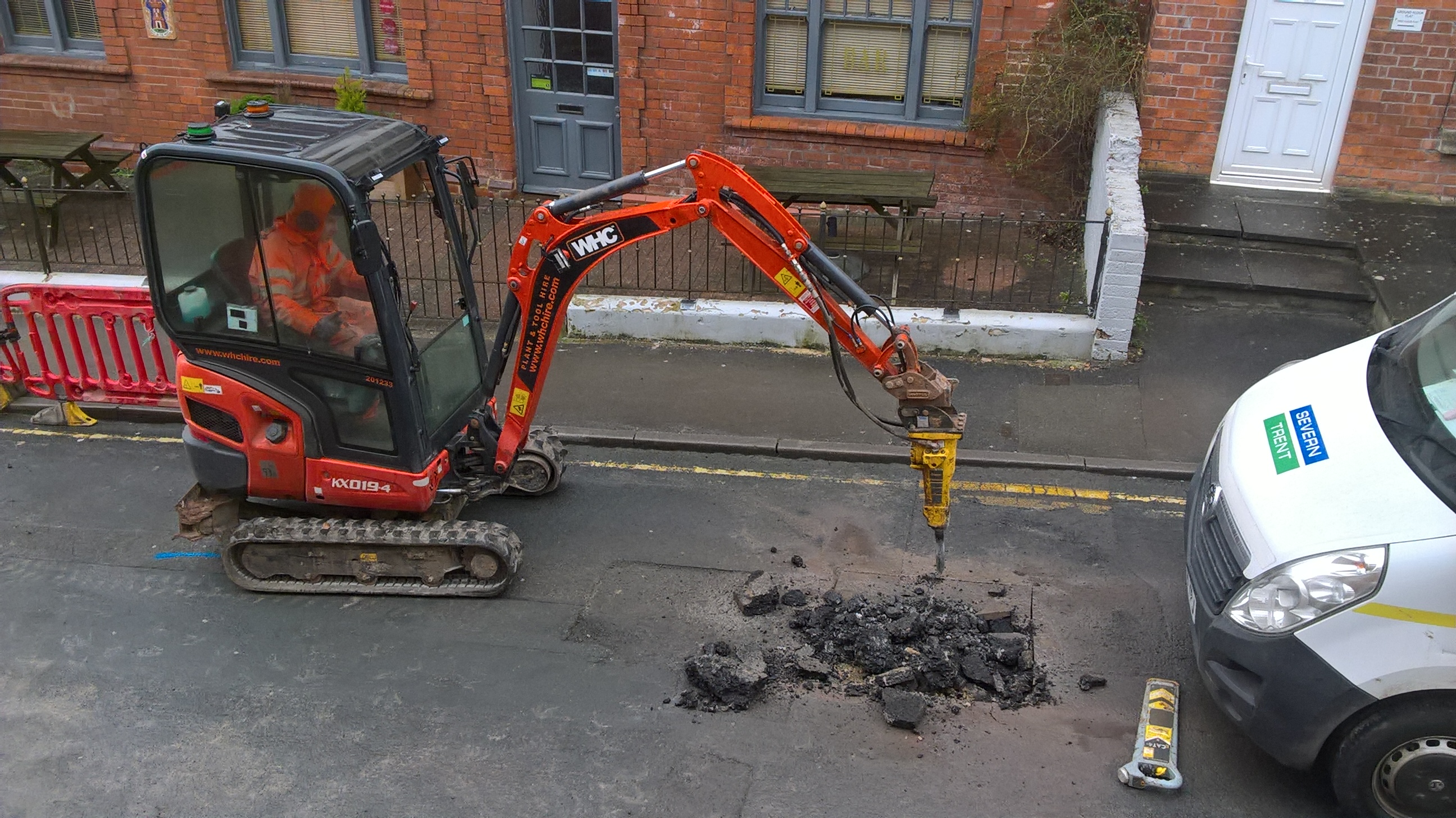
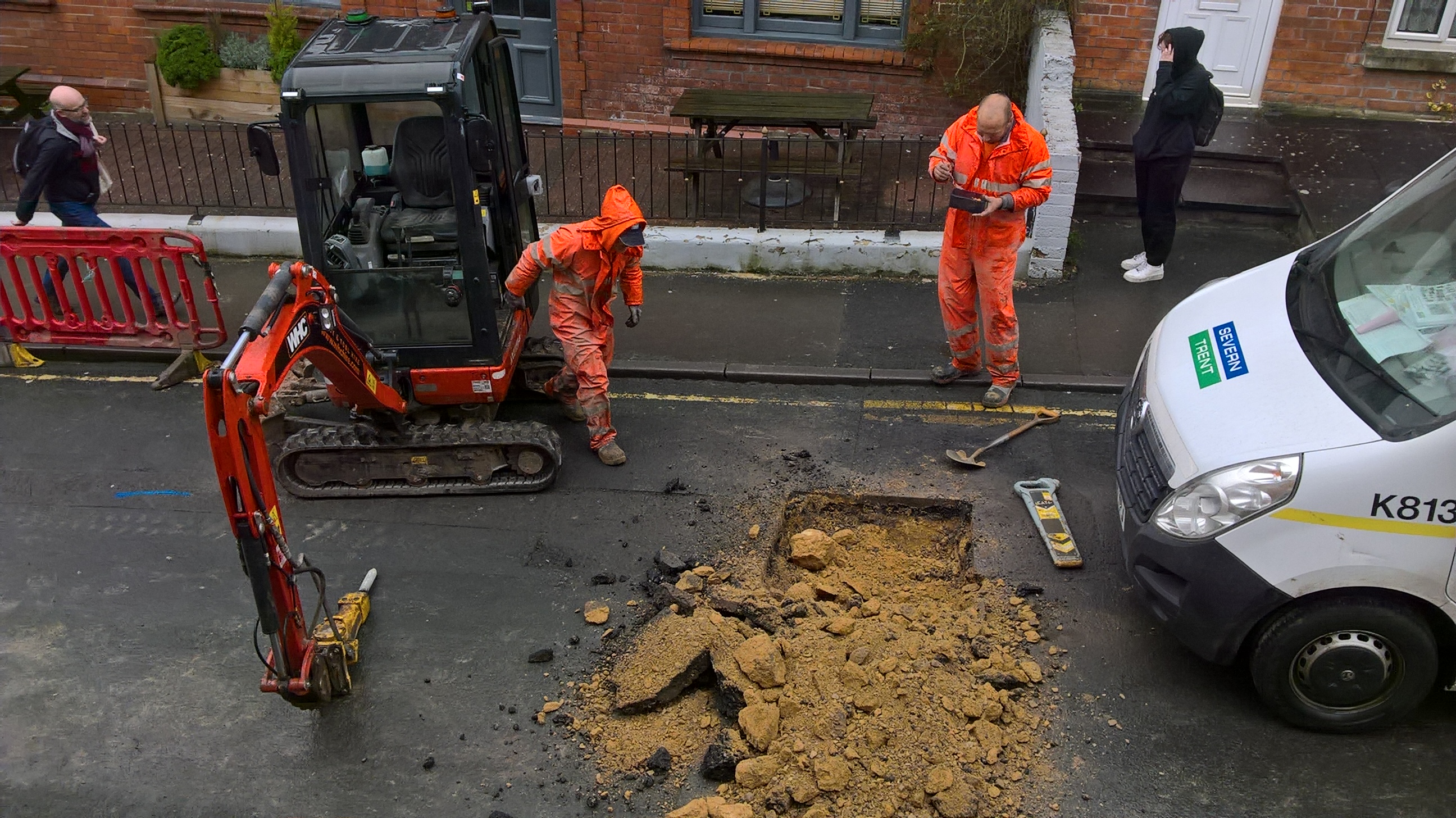
Oh dear, they've cut our gas feed with the digger. Now we have to wait for repair. No heating, no cooker :-( Done. Yellow gas pipe joined. 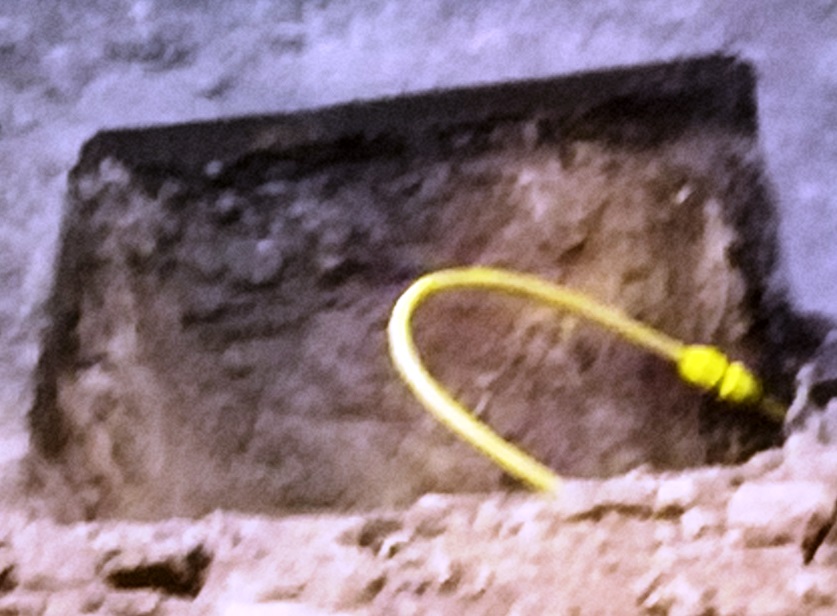
|
||||||||||||||||||||||||||||
|
Tuesday 9th March |
||||||||||||||||||||||||||||
|
OK, I did watch the Oprah interview, along with 12.4m others. Struggled to see it all the way through as the subject matter was less than central to the main issues of the day. Our morning-cup-of-tea assessment was that they did however come across well. Fond of each other, articulate, balanced, truthful - who knows the whole story? The Queen came out well, not so other members of the royal family. Relationships with Charles and William are strained. Neither Meghan nor Harry would explicitly shop whoever queried what the colour of Archie's skin would be. The "institution" really is the ultimate "gilded cage". Harry confessed to feeling trapped and asserted that his relatives still were. He agreed with Oprah that Meghan had "saved" him. She graciously accepted the compliment but insisted that it was Harry who had rescued them all.
Meghan said that they had now emerged from the ordeal of the past few years and were thriving, better than any fairy tale. Their new £11m+ house must help, the "Chateau of Riven Rock" in exclusive Montecito, notable residents and neighbours including Oprah herself, Ellen DeGeneres and many more. It was presumably bought with Diana's money, which Harry disclosed had carried them through the period after funds from "The Firm" were cut off. We only got to see Archie's chicken shack but here's some more: 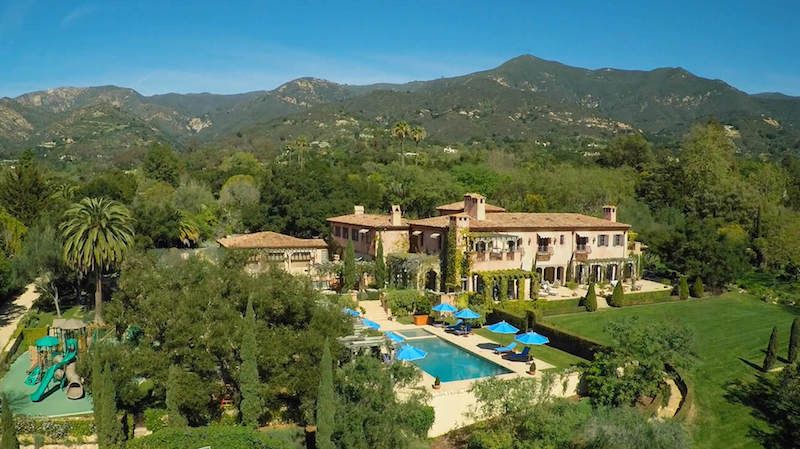
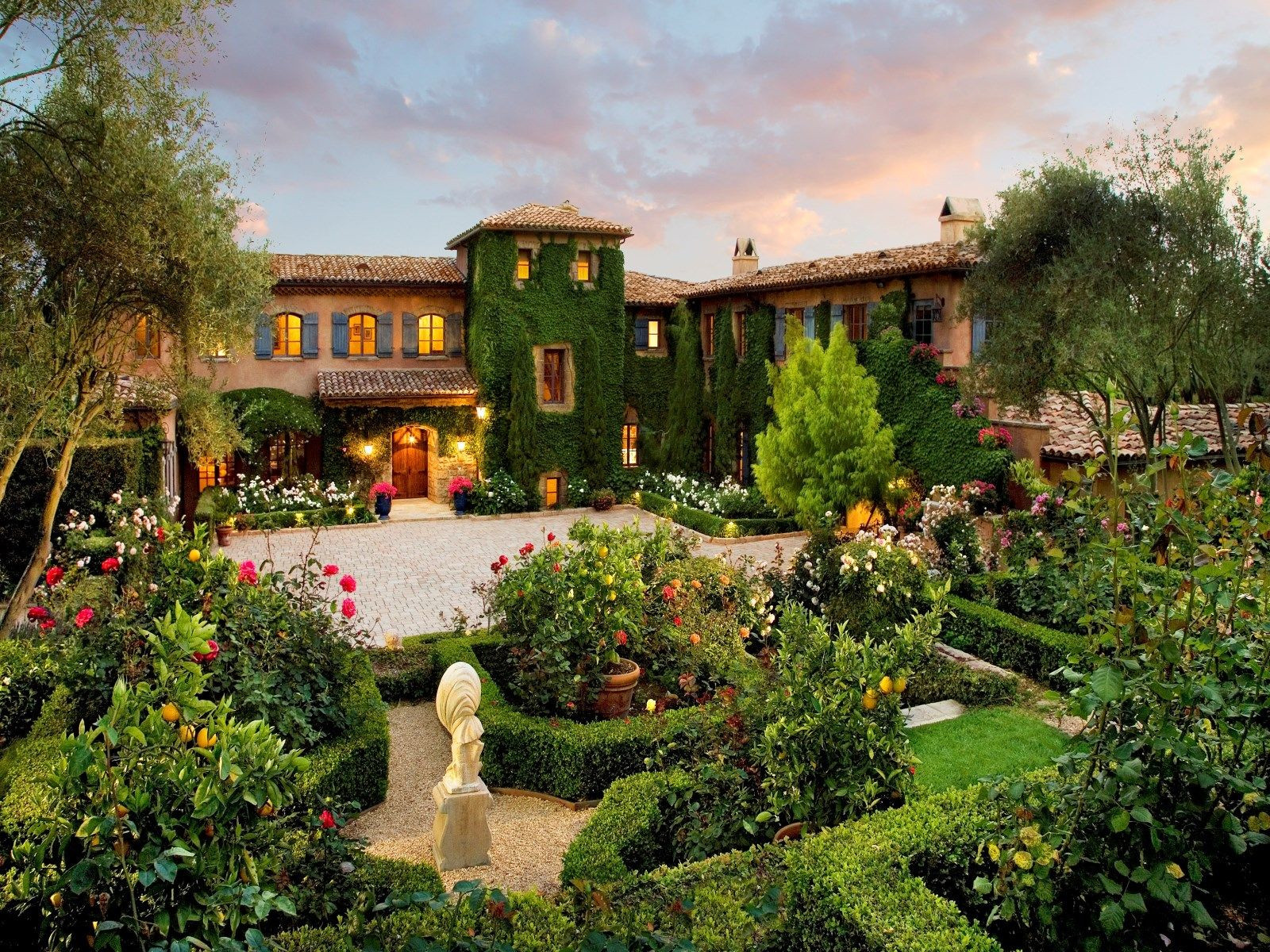
It sounds a much better life. Freed from the claustrophobic protocol of royal tradition. The contrast with the chill gaunt hereditary family piles in leaden-skied Britain. Sunshine, mountains, ocean and beach. Harry said that the best aspect of his new existence was riding his bike with Archie on the back, his son's arms spread wide as if flying, calling out "palm tree" and "waves". Never possible in the previous set-up. And perhaps we can now go back to ordinary business? Unfortunately that may be unlikely. Piers Morgan has kicked up a storm about the "Pinocchio Princess": "I don't believe a word she said, Meghan Markle. I wouldn't believe it if she read me a weather report. The fact that she's fired up this onslaught against our Royal Family I think is contemptible." Late afternoon there's been a statement from the palace: "The whole family is saddened to learn the full extent of how challenging the last few years have been for Harry and Meghan. The issues raised, particularly that of race, are concerning. Whilst some recollections may vary, they are taken very seriously and will be addressed by the family privately. Harry, Meghan and Archie will always be much loved family members." My luxury of the day has been a visit from Fay the Foot Fairy. She's just re-started work, all togged out with total PPE. Oh, the delicious indulgence of foot massage, oils, nail-trimming. I feel renewed. Who needs a mansion in California? |
||||||||||||||||||||||||||||
|
Monday 8th March |
||||||||||||||||||||||||||||
The Daily Star Sunday surpassed itself yesterday:
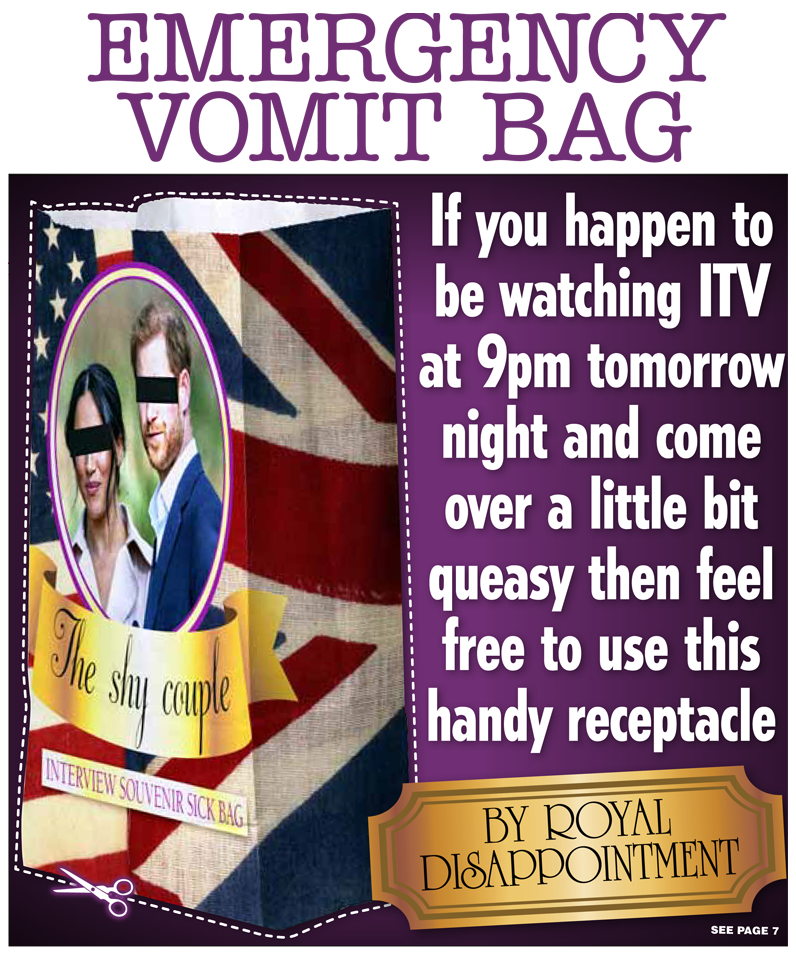
This is so ugly I'm uncertain about posting it, but it's a vivid reminder not to waste time with such rubbish, which of course I'm doing right here. Why would a newspaper print it anywhere let alone on the front page? The monarchist rag is playing to that old fascination with royal disputes, isn't it? All sorts of intriguing at-the-water-cooler material. Defending the Queen and her household against the family rebels, hence "by royal disappointment". Harry's sub-text of the treatment of his mother, an unhappy blot on the House of Windsor. Public distaste at a wealthy and privileged couple whinging about their self-inflicted predicament. The "shy couple" who court attention. Difficult boss Meghan suspected of bullying while claiming she's been bullied herself. The Star not wanting to miss out on an imminent irresistible TV moment. Why, with all the other issues that demand our concern, with the pressures of the pandemic, do we bother with this? Mind you, there's cleverness here too of a twisted tabloid kind. The idea of a cut-out "souvenir" sick bag, the "handy receptacle", complete with both US and UK flags. There's even a dotted line and a pair of scissors to imply that it's real. It could actually be on sale at the tourist kiosks of Trafalgar Square. You can imagine the act of vomiting when you "come over a little bit queasy". Worst of all, is it quite funny? Takes your mind off Covid, I suppose. I'll have to recognise that I'm out of the mainstream on this - or so I thought. BBC Radio 5 Live is devoting this morning's 'phone-ins to the topic in anticipation of tonight's ITV showing of the Oprah interview. Now for the terrible admission. I'm going to have to watch it. It's not just 5 Live. The BBC website has a discussion feed that has gone ballistic:  . There's also a summary of the Oprah interview: . There's also a summary of the Oprah interview:  Oh dear, I'm showing too much interest :-( Oh dear, I'm showing too much interest :-(
"Lest I forget". This notepad appeared on the breakfast table this morning. 
|
||||||||||||||||||||||||||||
|
Sunday 7th March |
||||||||||||||||||||||||||||
In the hopeful spirit of emerging from lockdown I've been dreaming of trips. Maybe a return to Corsica? One of the joys of the island is the abundance of delicious cured meats, my favourites of anywhere, particularly prisuttu, lonzu and coppa. I found some producers in the mountains. Here's a gallery of them with their beasts and wares (click to enlarge). I love the faces.
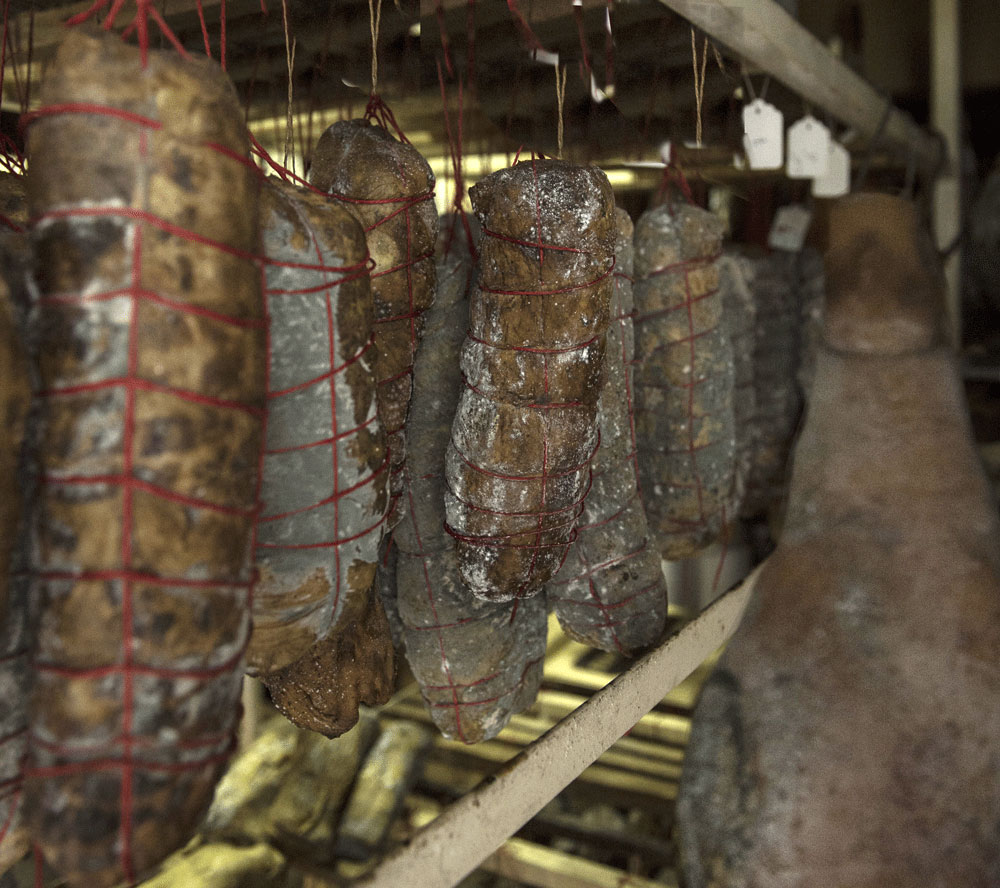
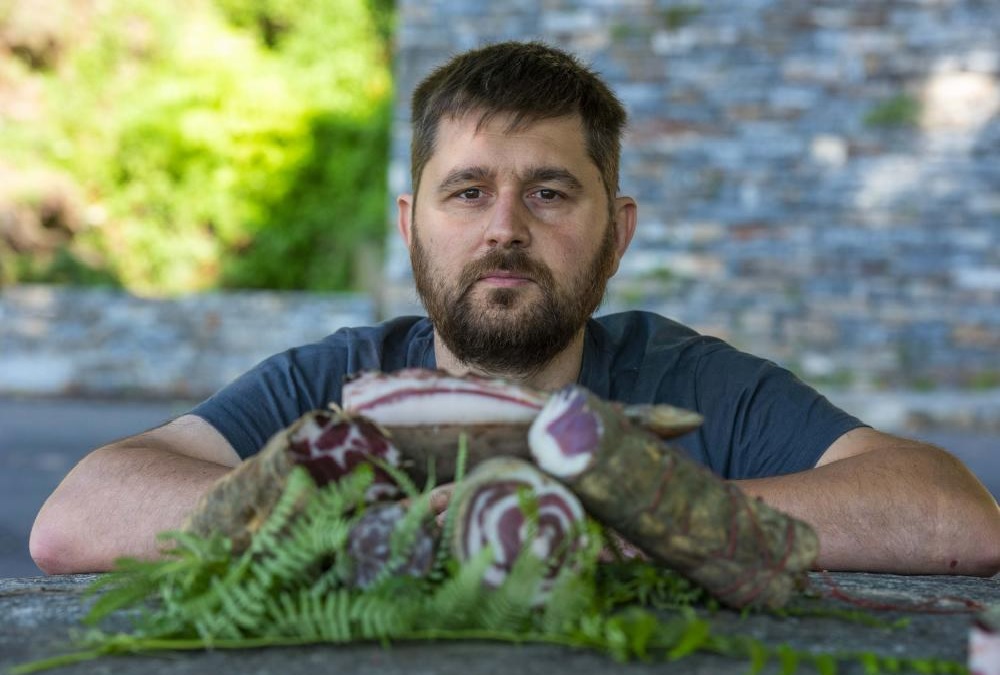
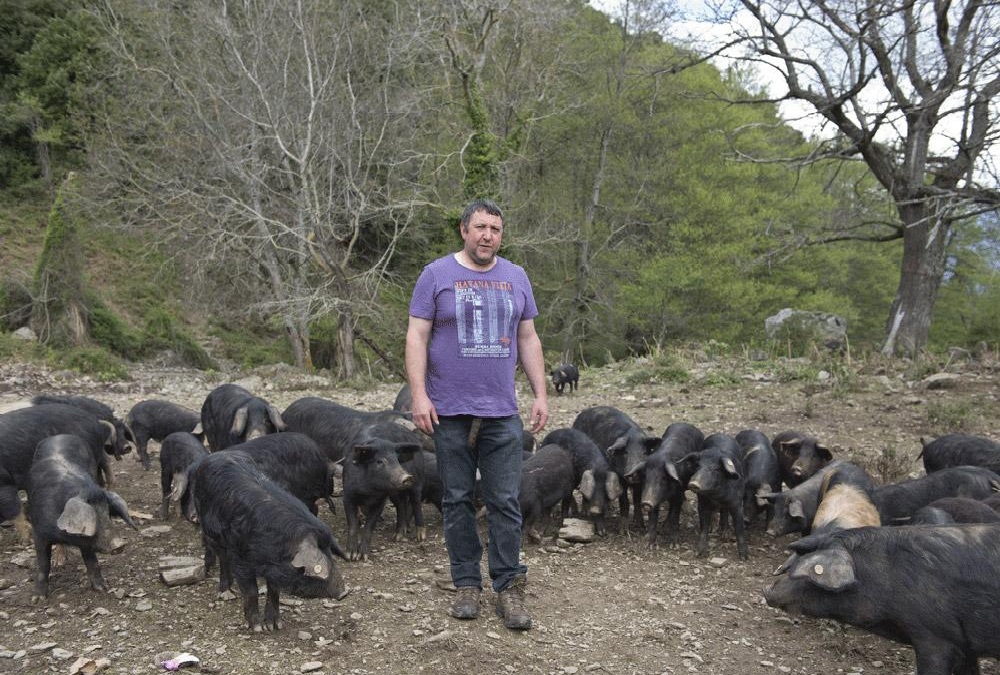
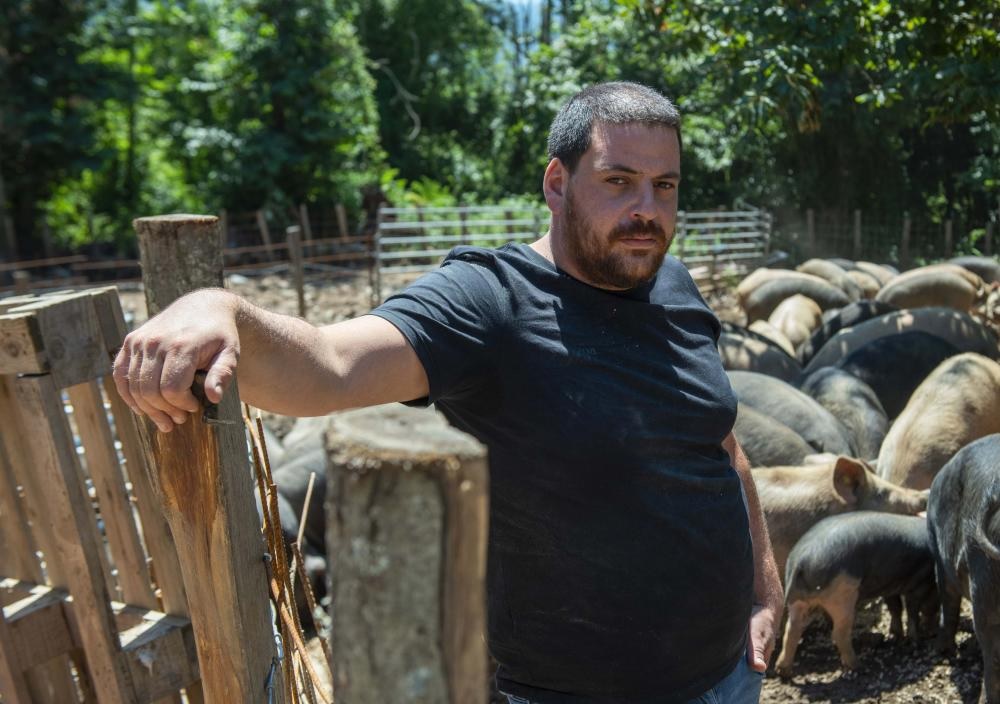
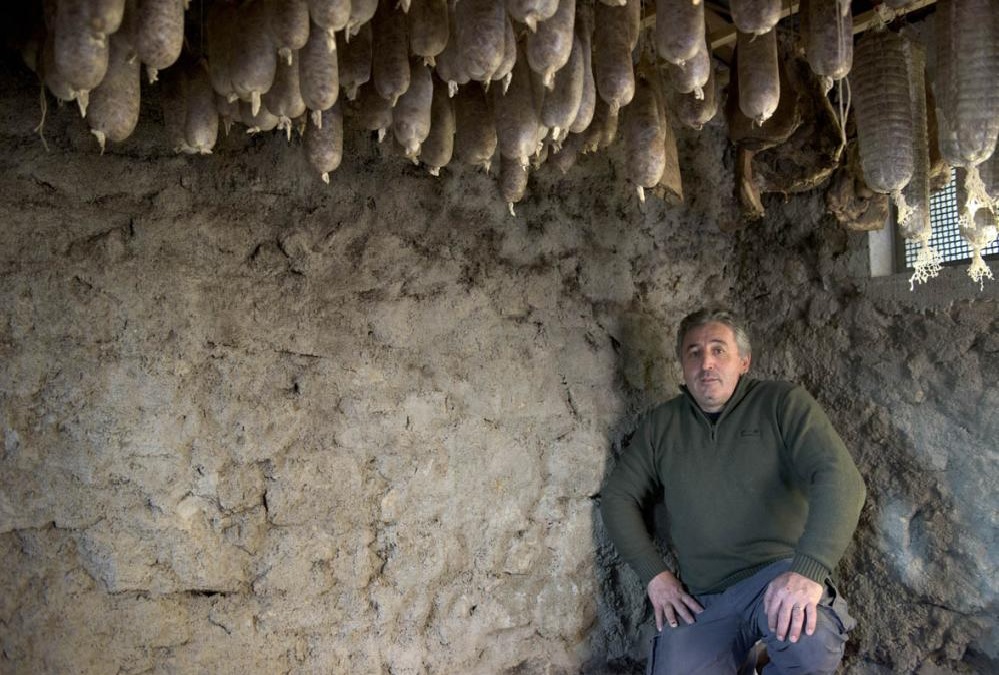
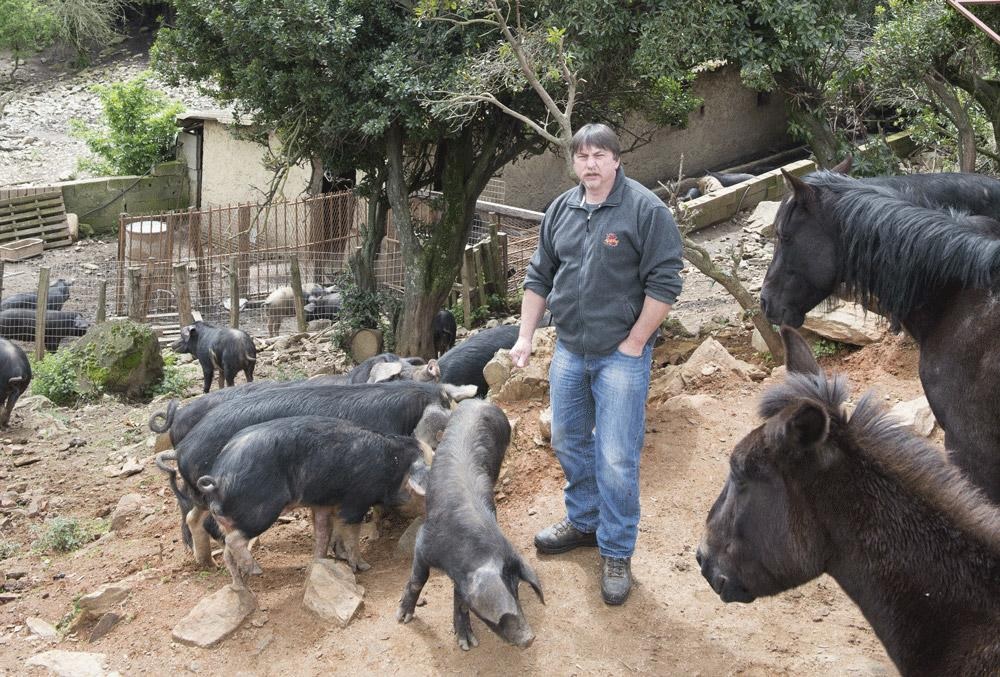
One pleasure of recent weeks has been listening to or watching the Test cricket from India. (I fully acknowledge that this is not for everybody.) Not only was there radio coverage on the BBC but I was surprised to find that Channel 4 TV broadcasted uninterrupted commentary from the early morning. There's something luxurious about getting up to a cup of tea and a glimpse of a distant land, all hot sun and colour. It was another virtual experience of this pandemic. A restricted audience was admitted into the actual physical match. The virus conditions are stable but still difficult in India according to WHO figures: 18,327 new cases, 11,192,088 confirmed cases, 157,656 deaths, 15,620,749 vaccine doses administered. Presumably this was a partial release from lockdown. Nonetheless, the media involvement was virtual, the Channel 4 studio team and commentators operating from the UK. India wrapped up a 3-1 series win over England in Ahmedabad yesterday morning. Another abject English batting collapse. It was like watching a bygone era, a whole morning of canny, nagging Indian spin tormenting ill-equipped English batsmen. For those unattached to Test cricket, it must have looked very dull. I found it mesmerising. Subtle bowling variations. It seemed like the unaccustomed threat of spin had infiltrated the Englishmen's psyche and undone their resolve. Here's a quirk you would be hard pressed to find in any other sport (I'm afraid I'll lose some of you here). India won by an innings, that is they scored more runs in one turn at bat (365) than England did in two (205 and 135). Yet their talismanic star batsman and captain Virat Kohli got a "duck", contributing precisely 0 runs. The Indians carried themselves like royalty, which they nearly are. All enjoyed while not leaving my living room. 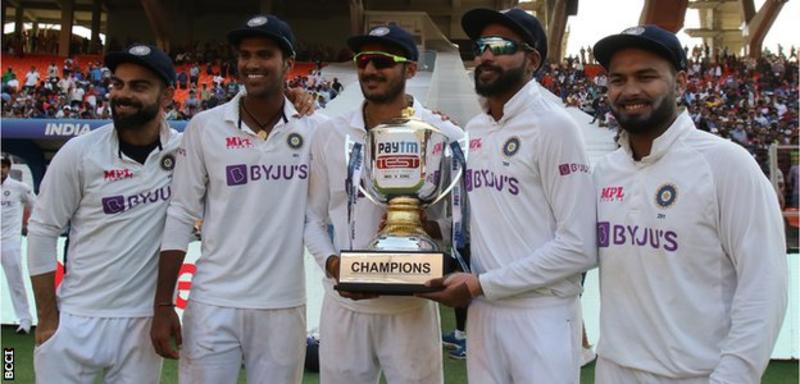
The sponsor Byju's is an Indian educational technology and online tutoring firm founded in 2011 by Byju Raveendran. The company was valued at US$12 billion in November 2020 and is among the country's most valuable private internet companies. Another sign of the times. Board games have played a part in lockdown. This morning we warmed up for breakfast with Monopoly Empire, a hideously capitalistic variant of the original based on acquiring popular business brands. Grandson Marlie won. 
|
||||||||||||||||||||||||||||
|
Saturday 6th March |
||||||||||||||||||||||||||||
We're in a new phase of the pandemic in the UK, still not out of lockdown, more something like "slowdown" in terms of cases. There are variations by region. It's not over; however hopefully we're not looking towards a new peak but at the "end in sight". The positive outlook involves the assumption that the vaccine programme continues successfully unhijacked by mutations and supported by still-cautious social behaviour. National statistician Professor Sir Ian Diamond has commented: "I think this lockdown has been a success but at the same time, while we have seen major reductions, we are still relatively high. I'm very much of the view that we should do everything we can not to blow it nationally. We have done fantastically well in the last couple of months but we are not completely out of the woods yet."
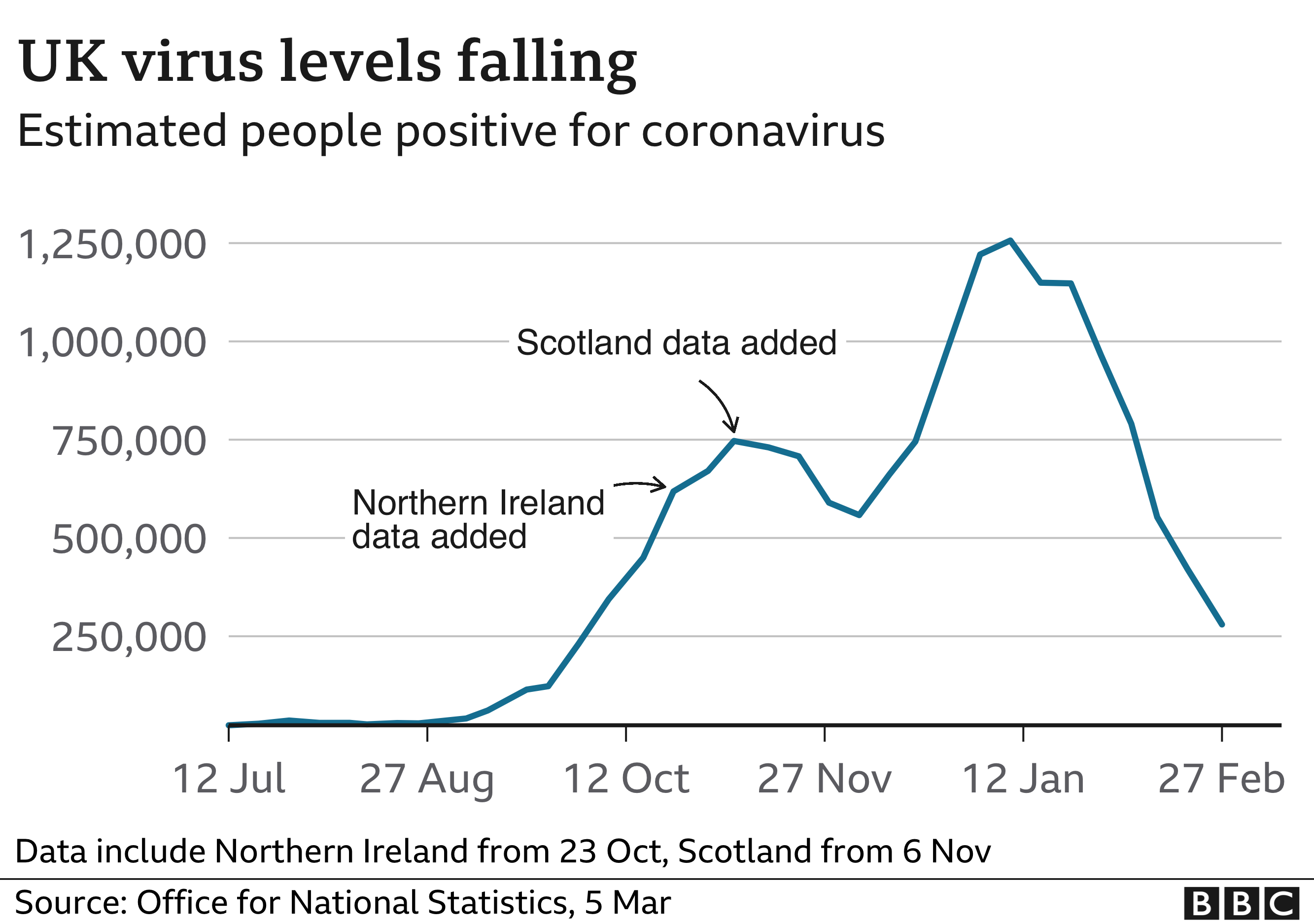
It's not the same story in Brazil. Bolsonaro is a case, isn't he? Keeps the flag flying for Trumpian sensitivity. "Stop whining. How long are you going to keep crying about it? How much longer will you stay at home and close everything? No one can stand it anymore. We regret the deaths, again, but we need a solution." He's hardly leading the chase. 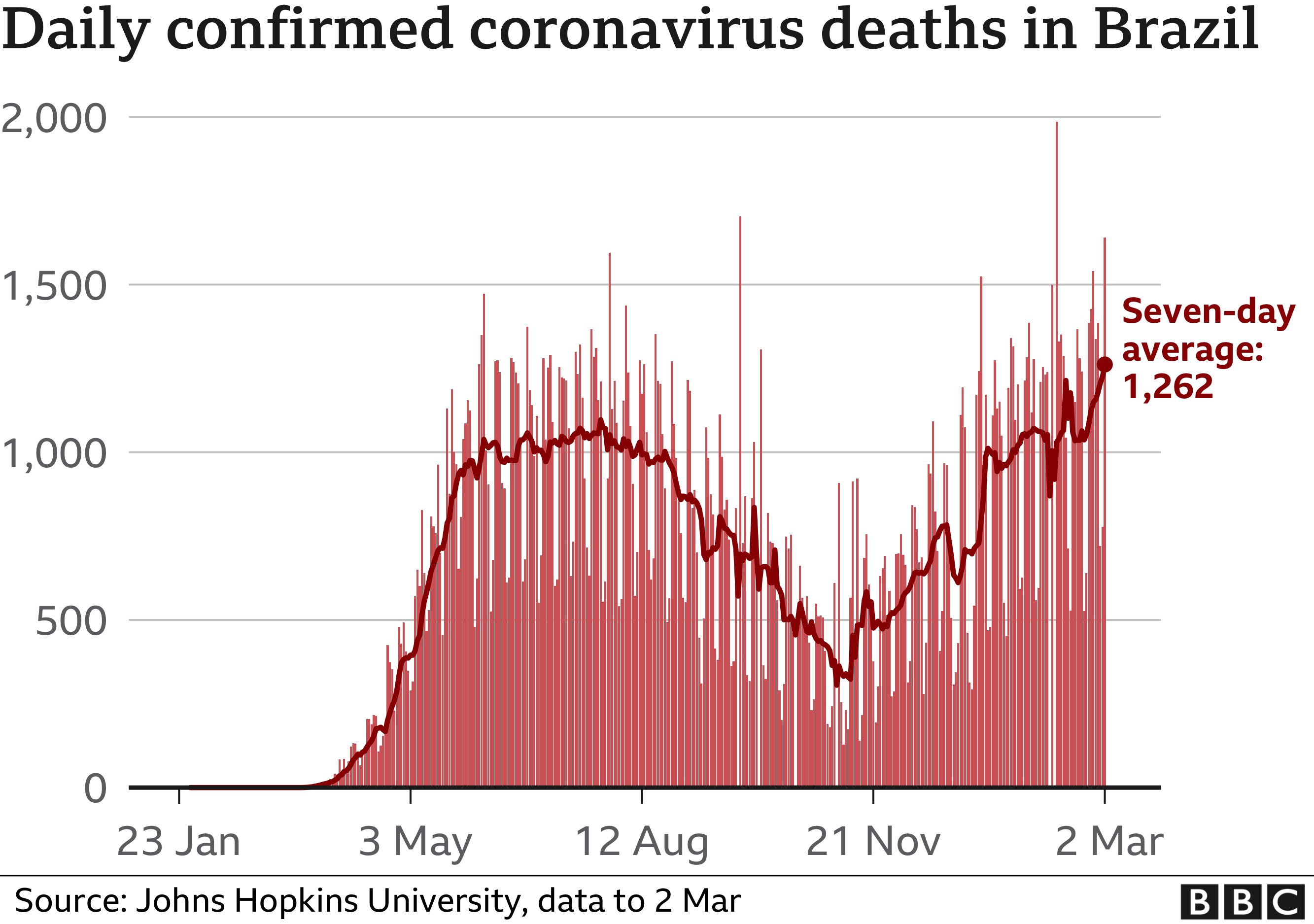
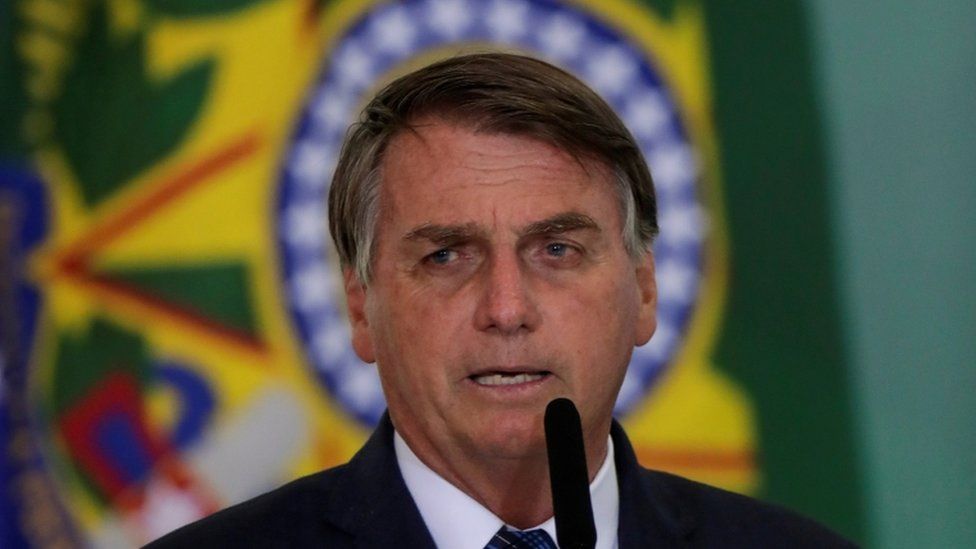
|
||||||||||||||||||||||||||||
|
Friday 5th March |
||||||||||||||||||||||||||||
|
Chris Taylor from Udine told me yesterday that they're going back into lockdown on Saturday, the full works - "can't go outside Udine, no bars, restaurants". He's still waiting - he's a little older than me - to be vaccinated. Grim.
What happened to the EU and vaccination? Ursula von der Leyen insisted on a strategy that was supposed to be a forceful show of European solidarity, an assertion of the single market's buying power and a moral stand against Trumpian "vaccine nationalism". There were altruistic motives; von der Leyen saw "Team Europe" as a communal medicine cabinet, prepared to work together to inoculate not just citizens in every EU country, but the entire world. It resulted in a rollout that has left the EU lagging behind the United Kingdom and the United States. The bloc's decisions to prioritise process over speed and to put solidarity ahead of giving individual governments more room to manoeuvre have been criticised for holding back the coronavirus response. The problem was bureaucracy. Before it could place an order, the Commission had to wait for each EU country to sign the contract. Some countries, fed up with the endless back and forth, simply broke ranks. Hungary was the first to roll out China's Sinopharm vaccine, unapproved by the European Medicines Agency (EMA). Slovakia independently granted Sputnik V authorisation. Austrian Chancellor Sebastian Kurz, sharply critical of the EU's vaccine strategy and the EMA, announced on Monday that he intends to work with Israel and Denmark on future vaccine production and cooperation around developing further shots to combat new coronavirus mutations. He visited Israel with Danish leader Mette Frederiksen yesterday. The Commission offered to let the U.K. join its vaccine purchasing program, but London, with the reality of Brexit in its sights, declined. Instead, the U.K. proceeded to ink its own deals. 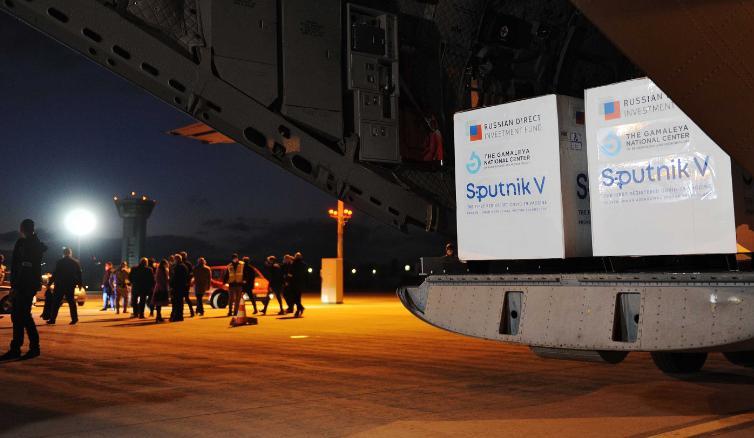
While I'm happy that we appear to be making good progress here, as a Remainer I'm uncomfortable taking the line that it's because of Brexit. Is it true? Should I admit it? Others in Europe seem to think so. Vice-Chancellor and Finance Minister Olaf Scholz told the rest of the German cabinet that the commission's handling of vaccine procurement had been "shit". Die Zeit, a pillar of German Europhilia, called it the "best advertisement for Brexit". It said: "Hardliners in the UK will not forget Von der Leyen's own-goal" and that British Europhiles "will increasingly be wondering whether the departure from Brussels was such a bad thing after all". Nicolas Bouzou, French liberal economist and head of Paris-based advisory firm Asterès, commented: "The EU looks like a loser while the UK, US, Israel and even Russia look like leaders." The US news organisation and website Politico, which formed a joint venture with German publisher Axel Springer SE to launch its European edition and has been a source of my understanding of the EU vaccination debate, has this illustration of the "race to the vaccine". 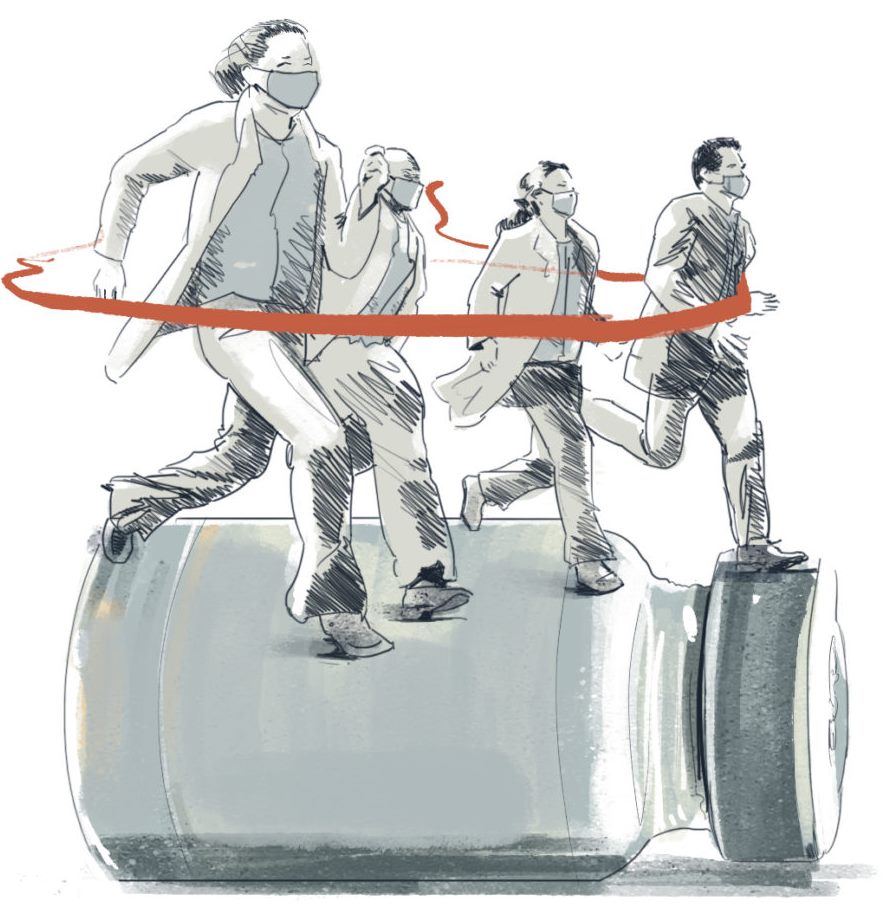
|
||||||||||||||||||||||||||||
|
Tuesday 2nd March |
||||||||||||||||||||||||||||
Five days ago I commented that it all seemed very quiet across the Atlantic. Then the maniac showed up at the Conservative Political Action Conference in Florida. I realised just how much I've been missing his balanced, generous, truthful, logical, selfless delivery. CNN published a list of 50 extracts from his speech which I've trimmed to 15.

"Do you miss me yet? Do you miss me?" "Who loves you as much as I love you?" "I stand before you today to declare that the incredible journey we've begun together, we went through a journey like nobody else. There's never been a journey like it." "We've been doing a lot of winning." "His [Biden's] campaign was all lies." "Covid-19, or as I call it, the China virus." "What the Trump administration has done with vaccines has, in many respects, perhaps saved large portions of the world, not only our country but large portions of the world." "Joe Biden is only implementing the plan that we put in place." "We won the election twice. I mean, you know, think about it ..." "This election was rigged. And the Supreme Court [with a 6-3 conservative majority and three justices appointed by Trump] and other courts didn't want to do anything about it." "I got more votes - I got more - and which is me - when I say 'I,' I'm talking about we. We - we got more votes than any incumbent, any incumbent president in the history of our country, almost 75 million votes. [Biden got 81,283,361.]" "The mission of the Democrat Party is to promote socialism." "We have to stand tall as the party for law-abiding Americans, and others, when they are in our country." "We cannot have leaders who show more passion for condemning their fellow Americans than they have ever shown for standing up to Democrats, the media and the radicals who want to turn America into a socialist country." "And then a Republican president will make a triumphant return to the White House. And I wonder who that will be. I wonder who that will be. Who, who, who will that be, I wonder?" A meteorite just missed us last Sunday. A computer model from the camera data suggested the probable site of impact was north of Cheltenham. 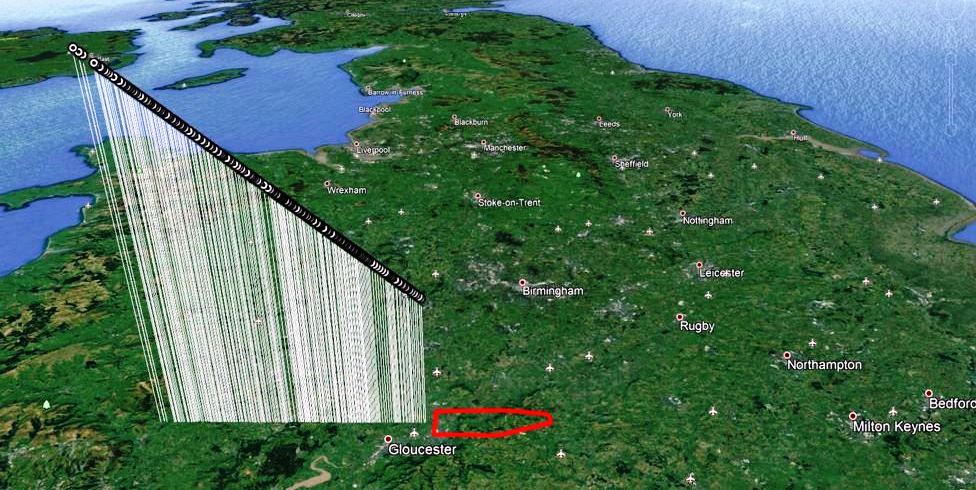
|
||||||||||||||||||||||||||||
|
Monday 1st March |
||||||||||||||||||||||||||||
|
We're not quite out of the woods yet. The new Brazilian variant is close to home, between us in Stroud and our daughter in Bristol. Testing is being ramped up in South Gloucestershire with people living in five postcode areas invited to get tested even if they do not have symptoms; the postcodes fall within Bradley Stoke, Patchway and Little Stoke.
It may look like spring out there, our age group may have had first jabs, but we still have to be careful. Meanwhile I can plan European lunch dates courtesy of Rick Stein. 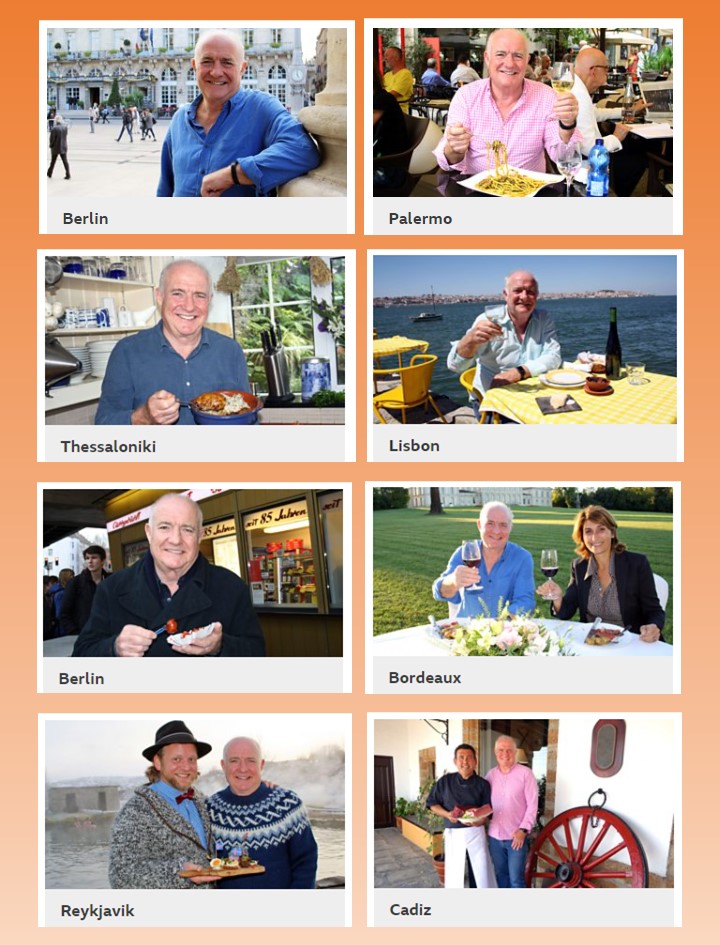
|
||||||||||||||||||||||||||||
|
Sunday 28th February |
||||||||||||||||||||||||||||
Big blue sunny skies on Minchinhampton Common today.
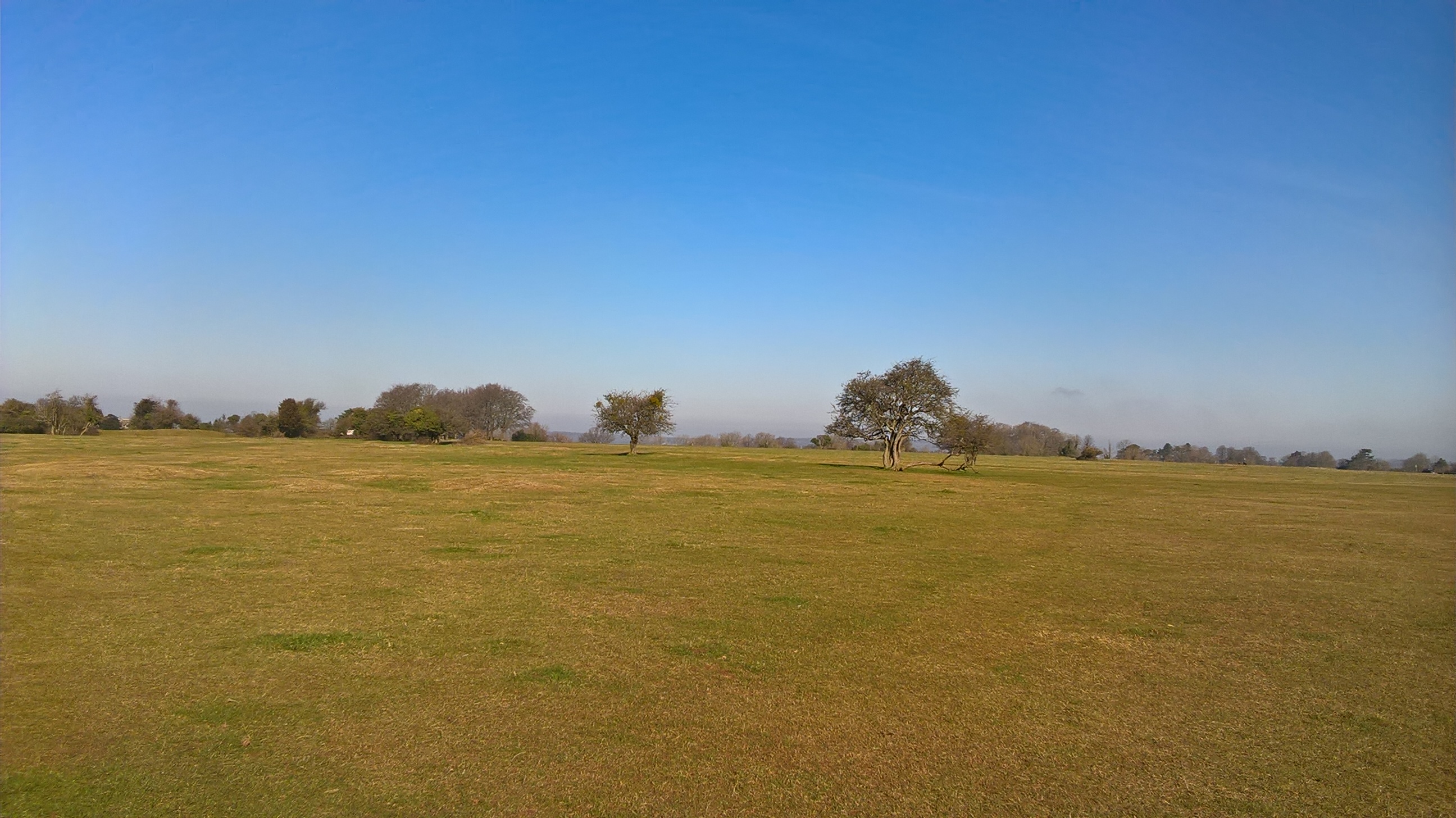
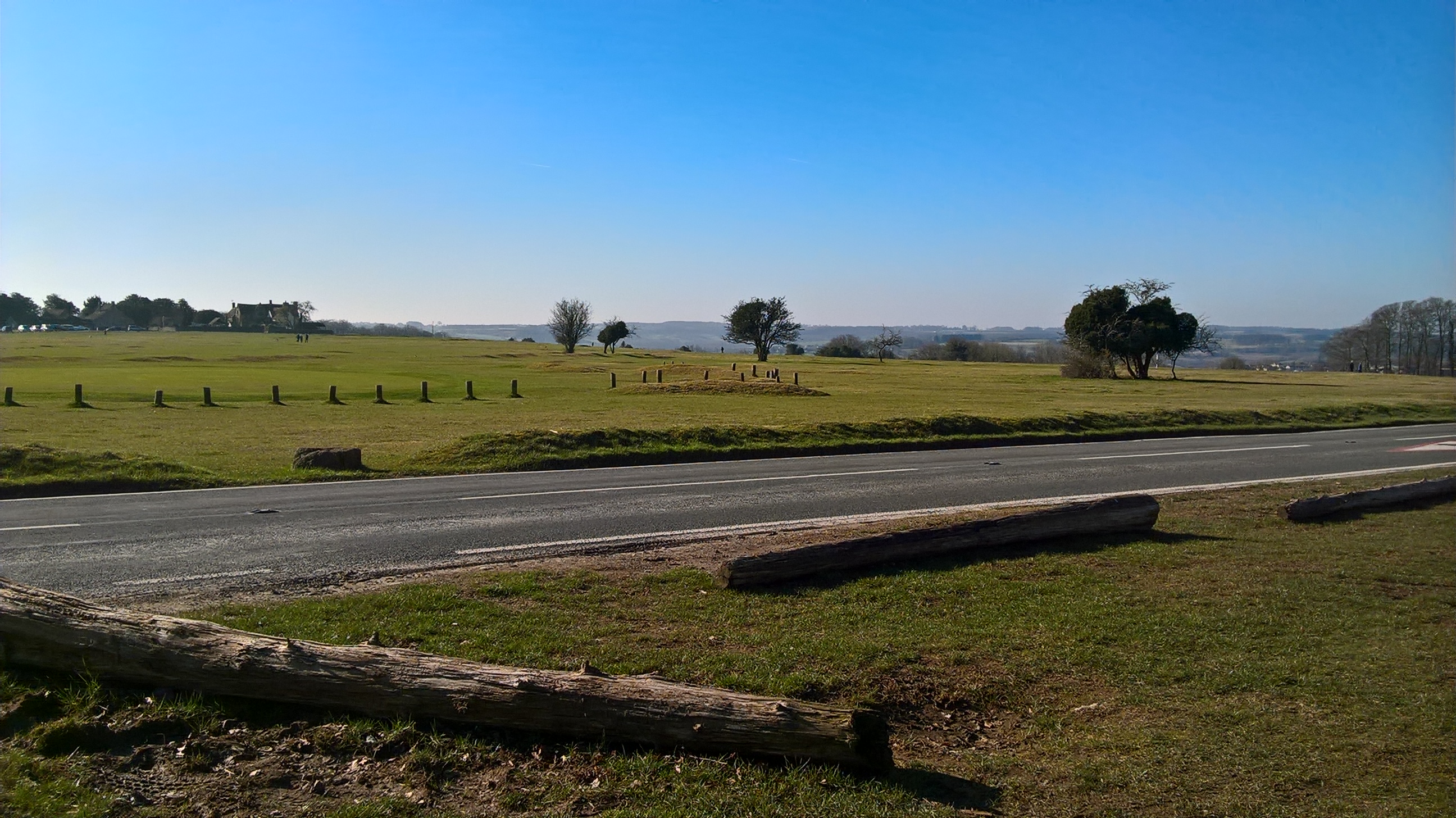
Lots of activity by 10am: walkers, cyclists, horse-riders, golf hackers like me, even early visitors to Winstone's ice cream factory. Suddenly everyone is looking forward to June 21st. |
||||||||||||||||||||||||||||
|
Saturday 27th February |
||||||||||||||||||||||||||||
|
The upbeat mood continued at the Downing Street press briefing yesterday accompanied by the sunny spring weather set for the whole weekend. Health Secretary Matt Hancock behaved like a man unburdened of the weight of months of criticism, positively light-hearted. Deputy Chief Medical Officer Jonathan Van-Tam was jauntily abbreviated to "JVT". Hancock must have been relieved to deliver good news, a government success story. The numbers are indeed improving. 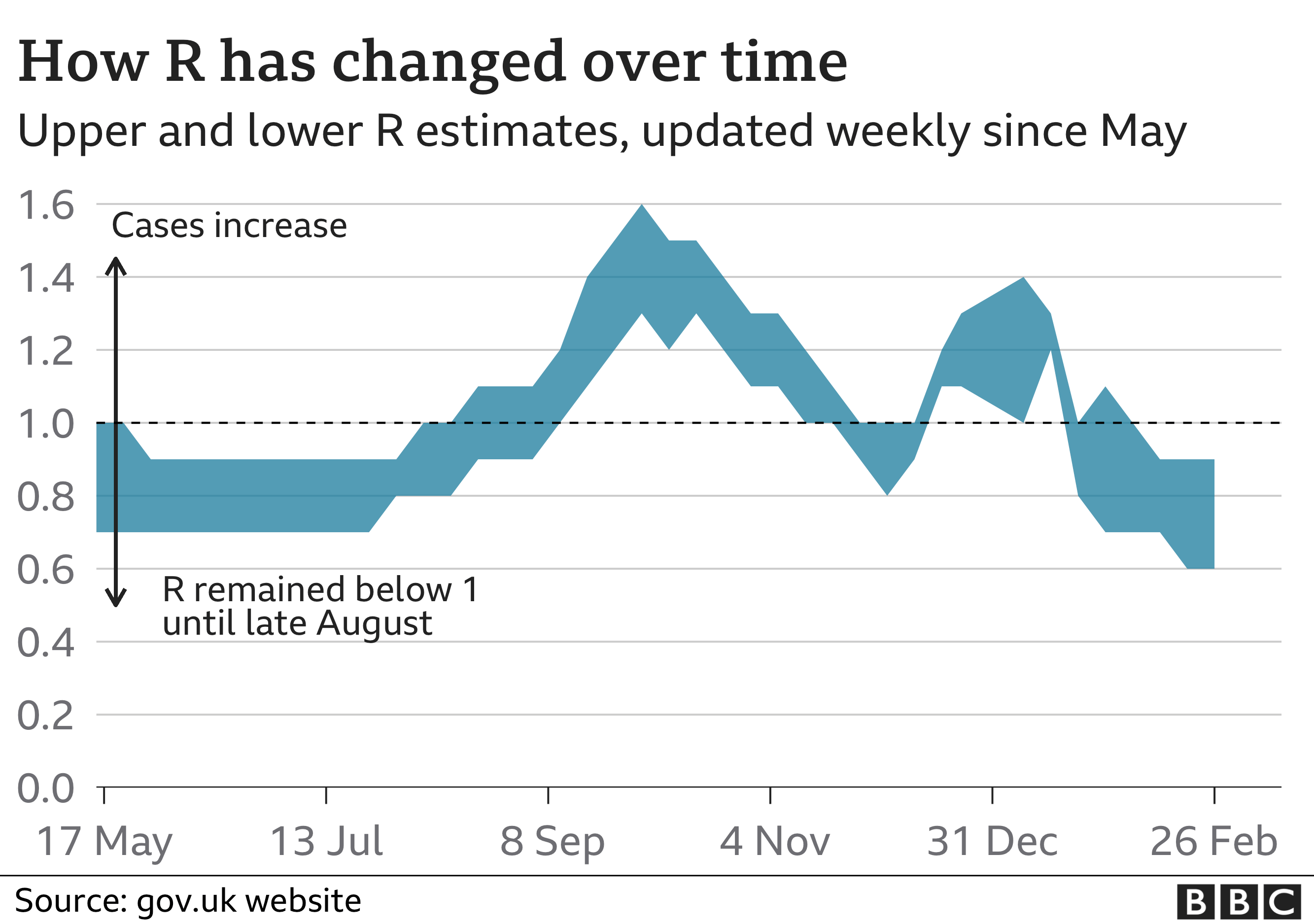
A year into the pandemic phase 2 of the vaccination roll-out plan sees a pendulum swing in government emphasis from the protect-the-economy balancing act to saving the most lives possible, the declared reason behind sticking to an age-band-driven programme. Presumably the easing-lockdown roadmap and delivery rate of vaccinations both implying "the end is in sight" give the government confidence to do this. |
||||||||||||||||||||||||||||
|
Friday 26th February |
||||||||||||||||||||||||||||
Finally got my first vaccine yesterday.

It was a very well-organised event on a lovely pre-spring sunny day. There was almost a festive atmosphere in the Rowcroft Medical Centre area, certainly a sense of community. About 10 hi-viz-jacketed volunteers helping arrivals in the car park to find parking places. Wheel-chairs organised for those who wanted one with a volunteer to push all the way into the surgery and the vaccination points - and back afterwards. Good humour and friendliness in abundance, nothing too much trouble, all part of the training I'm sure but it still helps to oil the wheels. While waiting in the brief queue I engaged one of the helpers in conversation. He said that he had started at 1pm and would finish at 6pm. He is booked to continue giving assistance until the programme is complete in however many months it takes. Rowcroft expects to vaccinate 450 people each afternoon and the sister practice across the road at Beeches Green will do the same. There was all sorts of detail in the organisation. I'd had a text reminder of my appointment. At the end of the short queue at the top of the ramp up to the surgery was a woman at a desk armed with a tablet (wirelessly connected to the booking system, she said) who registered my arrival and issued me with a barcoded card containing my name and NHS number; I later had to give this to an assistant at the jab station. Somebody gave me an information pack (see the collage above), another person stuck a label on my jacket with the time of appointment and when I could leave; I had to wait 15 minutes after treatment. I was given my vaccination card, indicating it was the first dose, the type (Pfizer-BioNtech), production batch number and date of visit. It all felt very joined up. The information pack told me that I'd been given Pfizer-BioNTech's COVID-19 mRNA Vaccine BNT162b2. Inevitably I've started googling about it and have found out that I missed the whole human and social back story of BioNTech (Sarah knew about it from the beginning, I think because she reads actual print newspapers), so please excuse me for what follows. The company, headquartered in Mainz, was co-founded in 2008 by husband-and-wife team Ugur Sahin and Özlem Türeci, both scientists and the children of Turkish immigrants. 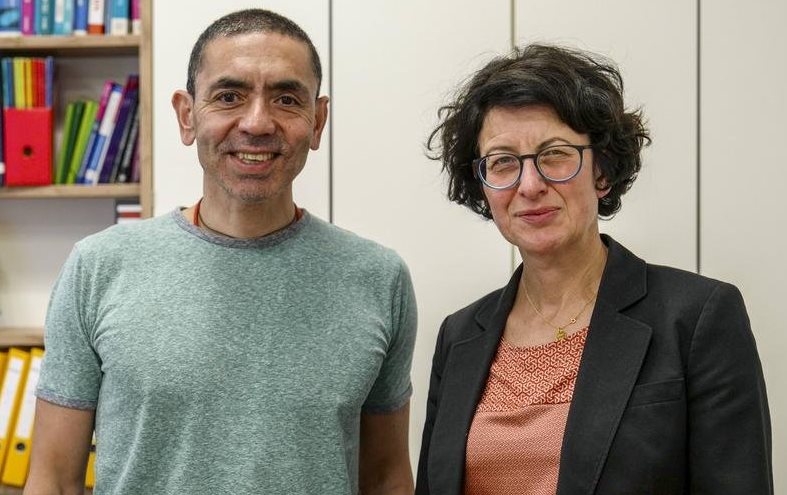
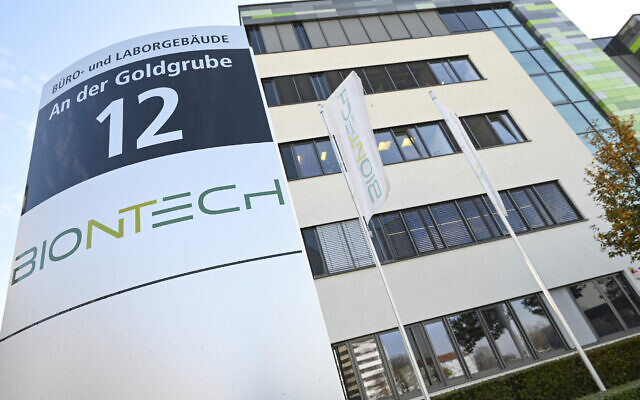
Here's a 2020 piece from the Times of Israel: In normal times, BioNTech and its roughly 1,500 employees are focused on developing specialized immunotherapies for cancer patients based on "messenger RNA" (mRNA) molecules that trigger the building of proteins in cells, to stimulate the immune system. It's this same technology, which has the benefit that it can be developed more quickly than traditional vaccines, that lies at the heart of its Covid-19 shot. Sahin, 54, jumped into action in January shortly after reading about the emergence of a new and deadly coronavirus in the Chinese city of Wuhan. By the time much of the planet was in lockdown in March, BioNTech had developed 20 vaccine candidates based on mRNA technology. These were eventually whittled down to a handful of the most promising options, with vaccine BNT162b2 now becoming the frontrunner. Forging the connection with Pfizer was intelligent. Sahin and Türeci think of themselves primarily as scientists and must have decided that they needed help on scaling the whole commercial manufacture and distribution angle. The Times of Israel once again: The two companies announced in March 2020 that they aimed to jointly develop a Covid-19 jab, "pairing Pfizer's development, regulatory and commercial capabilities with BioNTech's mRNA vaccine technology and expertise". While global headlines tend to lead with Pfizer's involvement, Sahin insisted to Spiegel: "It is our technology." The BioNTech success is set in a context of migration and entrepreneurhip in Germany. InfoMigrants, a news site for migrants to counter misinformation, has this discussion. It's quite long, but I think it's worth the exposure here. While Germany has long been regarded as somewhat of a late bloomer in the start-up scene and in entrepreneurship in general, the number of people with a foreign background launching business in the country has grown by a third in the past 15 years, according to a study published by the Bertelsmann-Stiftung. In absolute numbers, this means that today, there are nearly 800,000 immigrants and people with a foreign background living in Germany, who own their own business. These companies have created a sum total of 2.3 million jobs - a number that itself has doubled in that same time frame. About 10% of all people with a foreign background living in Germany are business-owners today. Meanwhile, native Germans have apparently moved away from starting businesses with 300,000 fewer German-born entrepreneurs existing today than there were in 2005. According to another study published by the KfW Bank, this rise in immigrant founders of businesses in Germany means that a quarter of all startups are launched by people with a foreign background. People like Dr. Sahin and Dr. Türeci tend to dive into the unknown of entrepreneurship much more willingly than risk-averse Germans. Süddeutsche Zeitung says that immigrants may hail from a culture that celebrates entrepreneurship more than Germans do, therefore instilling a cultural value in them to aspire to start businesses. It also cites less uplifting reasons. Some foreigners who come to Germany may not have their qualifications recognized by Germany's highly codified educational standards. This has frequently been the case with migrants and refugees arriving in the country since 2015; many Syrian and Iraqi professionals have struggled to have their university diplomas recognized, having to resort to working in menial jobs until they could launch their own companies. According to the Federal Statistical Office of Germany (Statistisches Bundesamt), more than a third of foreign-born nationals living in Germany were in "atypical employment" in 2019. This means that they "either had a fixed-term job, worked less than 20 hours per week, were marginally employed or in temporary agency work." This is nearly twice the rate observed among native Germans. For many immigrants in Germany, the only way out of underemployment or even unemployment therefore is to simply start their own business. |
||||||||||||||||||||||||||||
|
Thursday 25th February |
||||||||||||||||||||||||||||
How are different countries performing in the delivery of vaccinations? Our World in Data, the global research and analysis site, has this chart last updated on 25th January:
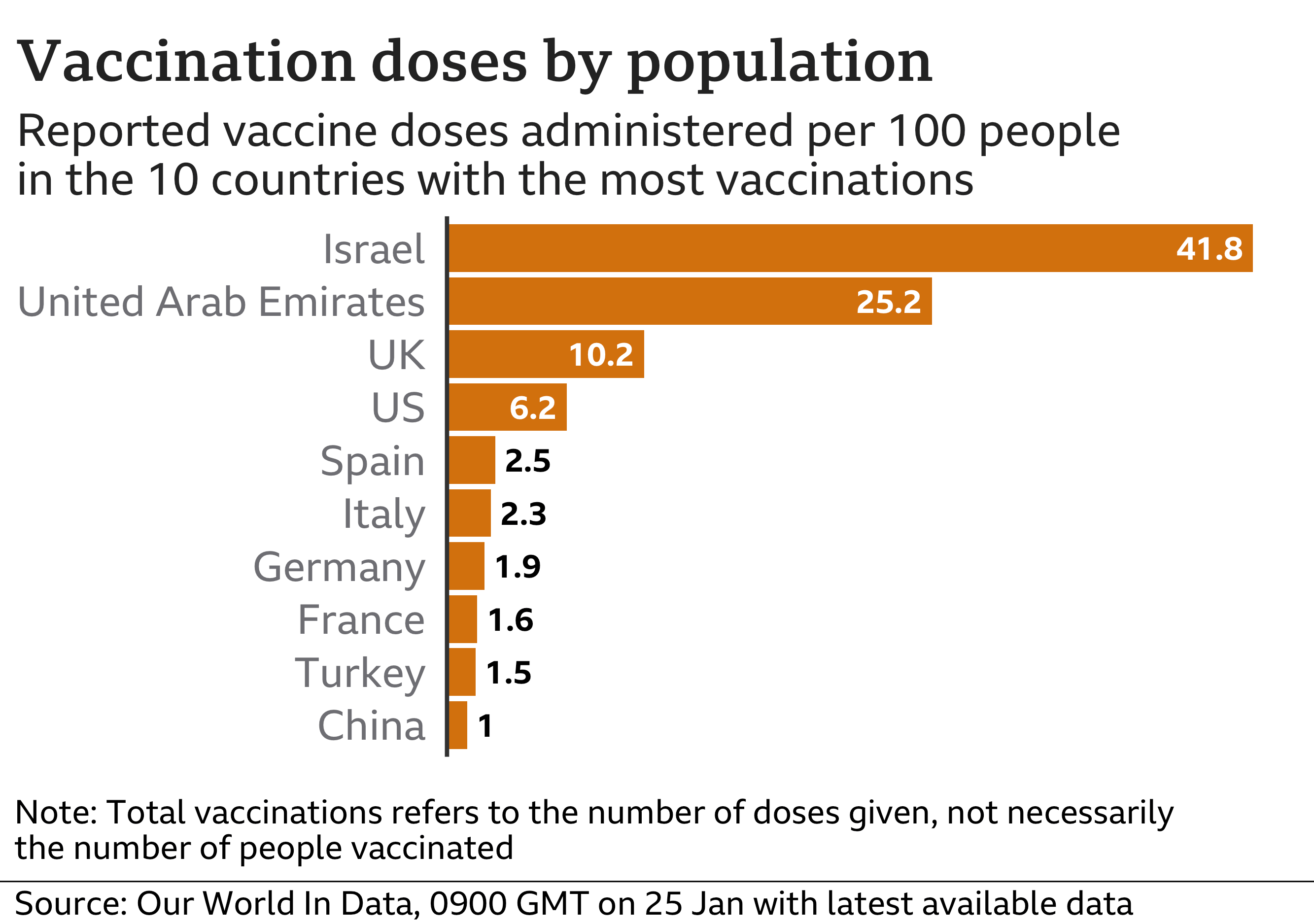
Nature, the weekly international journal of peer-reviewed research in science and technology, published a vaccine supply chart back in August 2020: 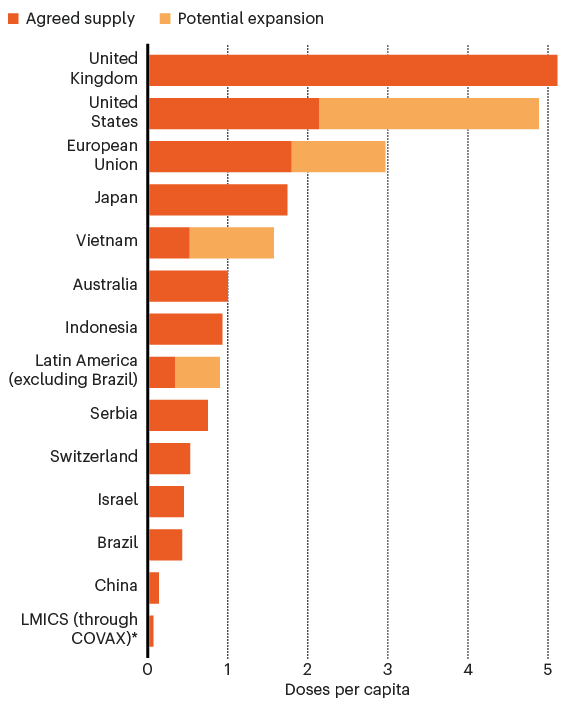
Amazing that the UK had earmarked enough vaccine for 5 doses per head. At this time Israel had only 0.5 doses per head, so they must have pushed ahead rapidly in their deal with Pfizer (see this blog on 26th January) which promised a surplus by March 2021. Canada also must have cracked deals shortly after this report because it was under attack in December for buying up multiple times its requirement. Trudeau is now feeling the pressure from critics who say he has not delivered vaccines fast enough; there seems to be a gap between the signing of contracts and delivery fulfilment. COVAX, signalling the launch of its global vaccine roll-out, has announced that 600,000 doses of the AstraZeneca/Oxford vaccine licensed to Serum Institute of India have arrived in Accra, Ghana. Further deliveries to Abidjan, Cote d'Ivoire, are expected this week. Have you noticed how the news has changed dramatically in focus and tone? Last autumn there were three leading topics, all grim and seemingly unnavigable: Covid, Trump and Brexit. The last is simmering gently but hardly dominant, the orange maniac has departed leaving something close to tranquillity across the pond, Coronavirus reports are mostly about solutions and an end in sight. Falling leaves are replaced by spring buds. Who would have thought? However, let's take care; this too may pass ;-) |
||||||||||||||||||||||||||||
|
Wednesday 24th February |
||||||||||||||||||||||||||||
|
The outpouring of optimism yesterday was justified by the slides presented at Monday's press briefing by Chris Whitty. The first four are shown below, effectively an update on those I blogged a week ago, all from the Cabinet Office Briefing Rooms (COBR). If you'd like the full set and notes here's the PDF (8 pages): It's worth looking at the rate of change. The numbers testing positive have dropped from ~60,000 in early January to ~10,000 today, shrinking to one-sixth of the earlier tally in just over a month. Patients in hospital have gone from ~40,000 to ~18,000 in the same period, a 50%-plus reduction. Deaths-per-day after a positive test result have decreased to one-third of those in mid-to-late January, ~1,200 to ~400. The vaccination chart statistics are of course going the other way, a steady growth from zero to ~18,000,000. These are all remarkable shifts. The phrase "miracle of the vaccines" has popped up frequently. Their development in under a year by scientists around the world has been a remarkable achievement. The über-evangelist Bill Gates said back in December: "Under normal circumstances creating a vaccine can take 10 years. This time multiple vaccines were created in less than one year." Vaccine scientists are the new rock stars. Well, rather more than that given that their work is saving millions of lives. There's surely been a major change of outlook, hasn't there? If everything goes to plan and we do the right things we're no longer staring into a grim uncertain future but at the sunny uplands of a summer in which we can enjoy life again. We may even have learnt how to be prepared for future threats. There's evidence in the current planned lockdown exit of forward-planning based on experience, like the 5-week intervals between stages to recognise that it takes at least 4 weeks to harvest useable data from changes that have been made. We acknowledge that viruses will not go away and that we will always need to be alert. The UK government has committed to supporting vaccination efforts in poorer parts of the world. The Foreign Office announced back on 10th January: "The UK has helped to raise $1 billion for the coronavirus COVAX Advance Market Commitment (AMC) through match-funding other donors, which combined with the £548 million of UK aid pledged will help distribute one billion doses of coronavirus vaccines to 92 developing countries this year. "This vital investment will help stop the spread of the disease and prevent future waves, helping to build back better from coronavirus globally. The UK is using our aid budget, scientific expertise and diplomatic leverage to strengthen global health. "Today's announcement coincides with a three-day virtual visit to London by the United Nations Secretary-General, António Guterres, as part of the UK's commemoration of the UN's 75th anniversary. "Over the last 75 years, the UK has played a leading role in supporting the UN and we are working together to strengthen international collaboration to tackle today's biggest global challenges, from coronavirus to climate change. "Foreign Secretary Dominic Raab said: 'It is fitting that on the 75th anniversary of the UN the UK has led with our allies to make one billion doses of coronavirus vaccine available to vulnerable countries. We'll only be safe from this virus when we're all safe, which is why we're focused on a global solution to a global problem.'" Just in time before the visit of the big cheese, eh? |
||||||||||||||||||||||||||||
|
Tuesday 23rd February |
||||||||||||||||||||||||||||
Today sees the most significant flood of Covid news for a long while prompted by the government briefing yesterday evening. Front pages full of the same story delivered with various twists, even Shakespearean echoes. Most aim to summarise the key steps leading to June 21st announced by a triumphant fanfare:
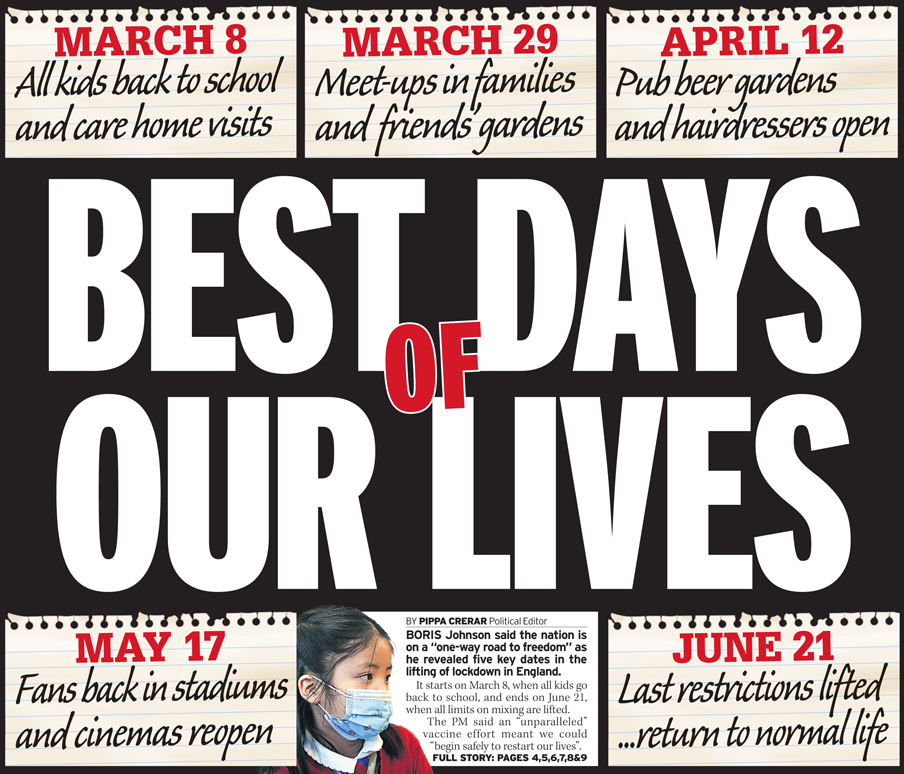
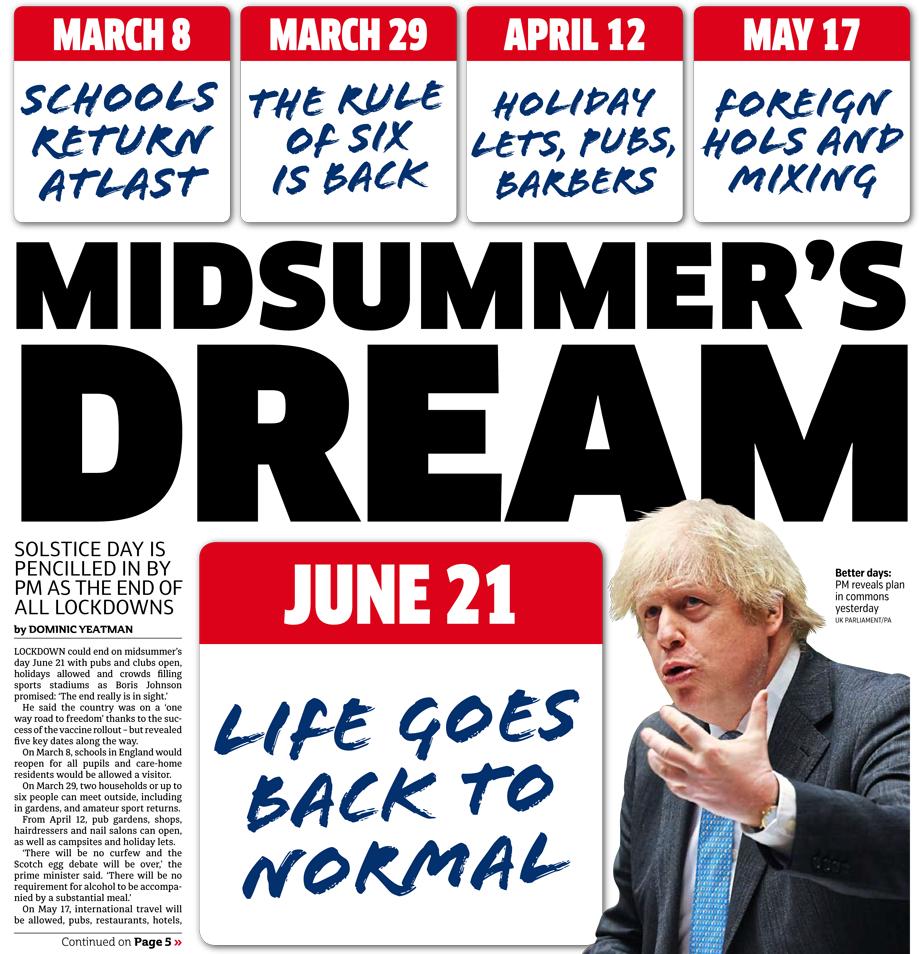
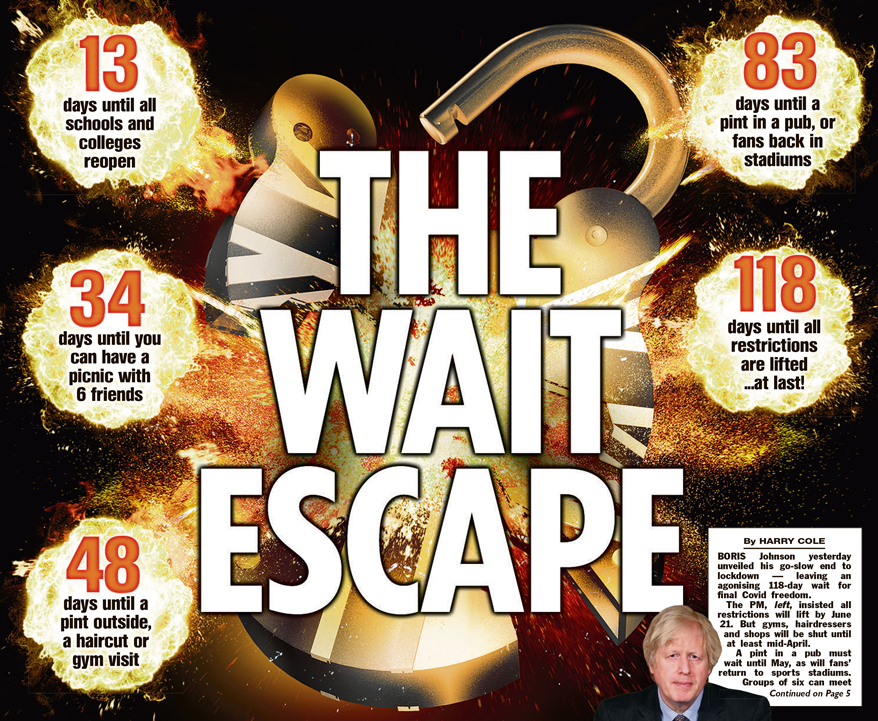
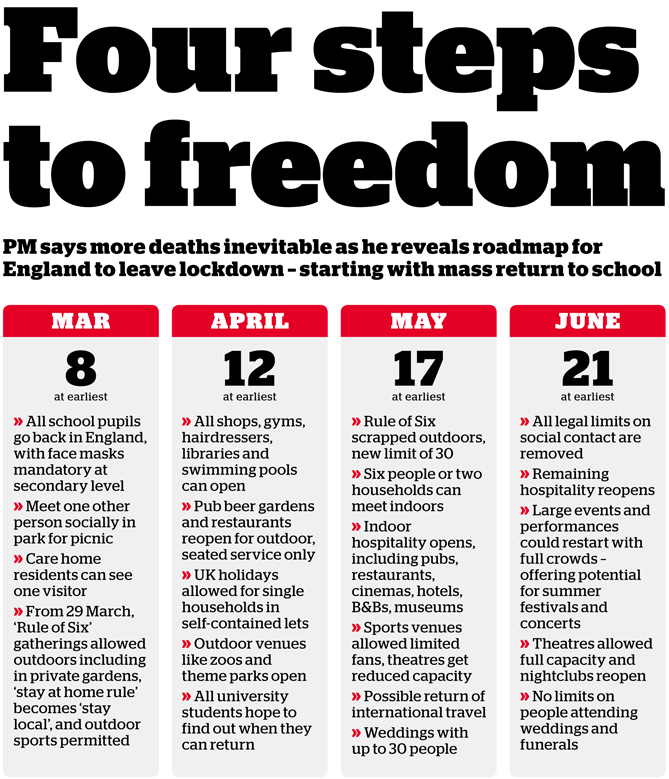
"Freedom" is a big theme. It's what everybody craves. Boris' choice of "irreversible" is not quite right; it may be what he wants but he can't guarantee it. I know what he means; he recognises that people only want to move forward on that "one-way road", they don't want to fall back into yet more lockdown. The word is a clever reminder to the nation of the worst that can happen if we don't continue to observe restrictions or fail to get vaccinated. 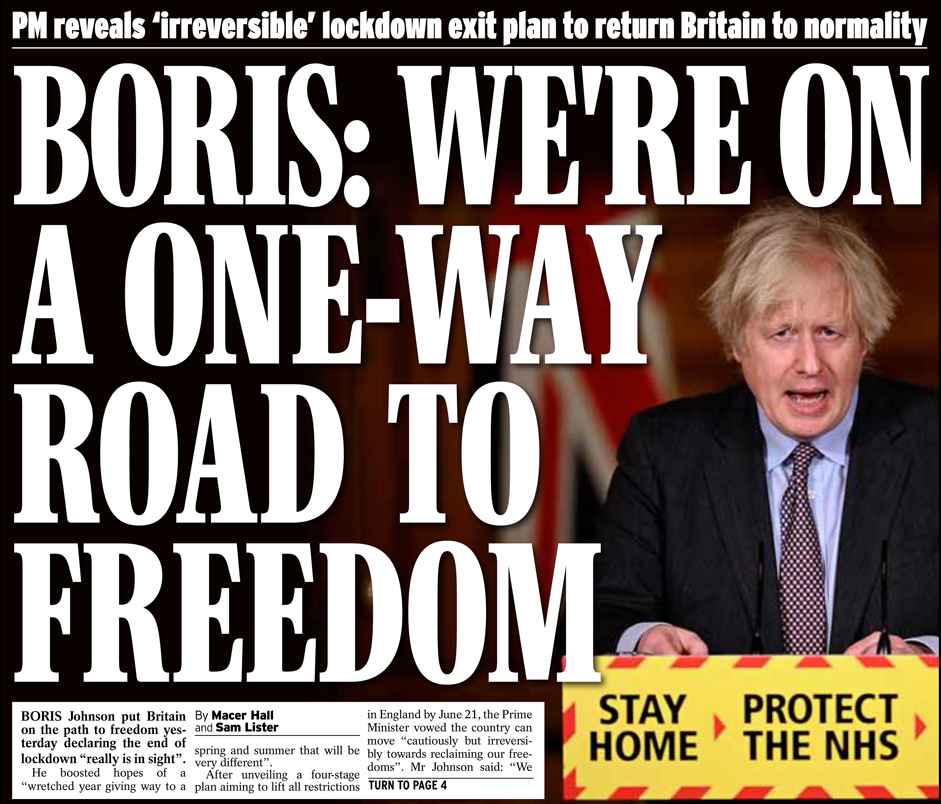
The Daily Star comes out of left field. What's Noddy got to do with it? Does anybody still know who he is? Is the paper implying that Boris isn't very bright, just a loopy Old Etonian toff (look at the number plate)? Few others are taking that line. There's a mood abroad that Johnson may just have broken out of his career Covid condemned cell. 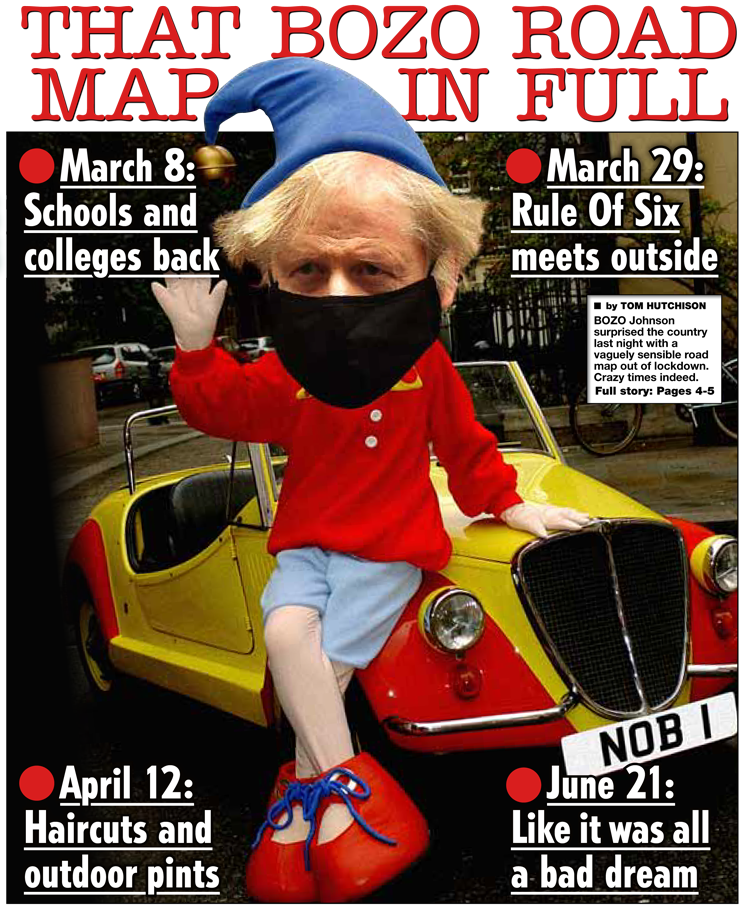
|
||||||||||||||||||||||||||||
|
Tuesday 16th February |
||||||||||||||||||||||||||||
|
Slides from yesterday's press briefing delivered by Chris Whitty:
Here's the full briefing document, slides and notes: All going in the right direction. The same is true of the R and growth rates: |
||||||||||||||||||||||||||||
|
Monday 15th February |
||||||||||||||||||||||||||||
|
A longish blog break. It was prompted by a bizarre accident. I woke up on Friday 5th to find that I'd pulled muscles in my left leg in my sleep during a vivid and energetic dream. Very painful. It's much better now, thanks to some decent painkillers and rest in bed, the only place I could get comfortable. I didn't feel up to blogging, hence the gap.
It's been like going into personal super-lockdown. Not been out, didn't go downstairs for a week. Thank goodness for iPlayer and Netflix, multiple box sets. Mega-moderation, no booze, no big meals. Like shedding layers, reducing activity to the bare bones. Got my invitation to first vaccination this Wednesday. Hurrah! |
||||||||||||||||||||||||||||
|
Thursday 4th February |
||||||||||||||||||||||||||||
|
It feels odd not knowing when you'll be invited to have your first vaccine dose. Sarah's had hers; she's a bit older than me. Friends in London of a similar age have had theirs. My elder sister and partner in Banbury too. The good news is that the roll-out is happening. It's just a little strange not having a date. I'm used to having plenty of advance warning for medical appointments with a fixed day and time. This is different, much more fluid. I don't know how it's all organised. The pandemic makes life indistinct. Covid is an invisible and unpredictable menace. Its cure - the vaccination programme - is a bit of a mystery too.
I was pleased to receive an update by email newsletter from our GP practice this morning. We still attend a surgery in Minchinhampton, a little market town just under 5 miles away, where we first lived on moving to Gloucestershire in 1989. Our vaccinations are administered from there. "In the spirit of providing some form of clarity regarding the vaccination programme we thought it would be useful to explain how the rollout is taking place locally and our role within that. Minchinhampton Surgery is one of a group of 5 local surgeries working together to deliver the coronavirus vaccination to our collective patients. There are many restrictions imposed on us that limit how fast we can roll out the vaccination programme. "First of all we are not in control of how many vaccines we receive each week nor what type they will be (e.g. Pfizer or Astra Zeneca). In general we are receiving around 200 - 300 vaccines for a weekend clinic per practice. We do not yet know for sure how many vaccines we will be allocated for this coming weekend. This is a national and unprecedented vaccination programme and we are but a very small cog in the process. "Once we know how many vaccines we will be allocated the clinics for each of the 5 surgeries are set up at Rowcroft Medical Centre - our designated vaccination centre. Eligible patients are invited (please bear in mind that we have nearly 8,000 patients registered to Minchinhampton) and the vaccination teams and volunteers for the weekend organised. We have about 3 days to organise this each time and all of this on top of the "day job" - winter being the busiest time of year for the NHS." Here are my first clues. 8,000 patients, maybe 250 doses per week. How many patients are children? The current batch of vaccines were not fully tested for young people; Pfizer went down to age 16, Moderna to 18. The WHO does not recommend vaccination of anyone below 16 years of age even if they belong to a high-risk group. The UK population under the age of 16 is roughly 20%, leaving 6,400 target clients. That's ~25 weeks of clinics if you consider only first doses, ~50 with second doses. I imagine second doses will be woven into the process in parallel given the wait interval of 12 weeks, so there will need to be a slowdown in first doses if the supply remains the same (or will it increase?). The practice website says that 1,165 patients have been vaccinated to date, just under 5 clinics' worth, first doses only I presume. OK, I give up now. It's all going to take most of this year, isn't it? I hope to be invited within a month. The newsletter says that Rowcroft (a practice at the bottom of Stroud) will be our centre. How then did Sarah get directed to Boots in Gloucester? I also don't really understand why the clinics have to be organised "each time". Surely the process and staffing levels are repeated. The number of people attending a clinic can be estimated. Right, that's enough of my niggling. Just be grateful it's happening at all :-) |
||||||||||||||||||||||||||||
|
Wednesday 3rd February |
||||||||||||||||||||||||||||
|
This is a heartwarming story, the kind we need today. The Long Table is a social food enterprise based in Brimscombe near Stroud which has responded to the pandemic by modifying its approach. It featured in the last edition of BBC's Countryfile presented by Ellie Harrison. Its pre-crisis origin is described on the Table website:
"The Long Table was founded by Tom Herbert (pictured below) in an old warehouse in 2018. This happened after Tom met with Will Mansell, founder of The Grace Network, of which The Long Table is now a key part. They shared a mutual dismay of how society is doing food badly, leaving people unwell and lonely. Shamefully one third of all food grown and produced is never eaten. And so a new kind of community interest company was born with a team from a variety of social roots that shared one vision. Its aim is to make locally sourced and lovingly prepared food available to everyone regardless of their social or financial background. As one of six siblings and a father of four Tom knew family meals were a time of togetherness leading him to build The Long Table as an extension of his family table. And of course everyone is invited." 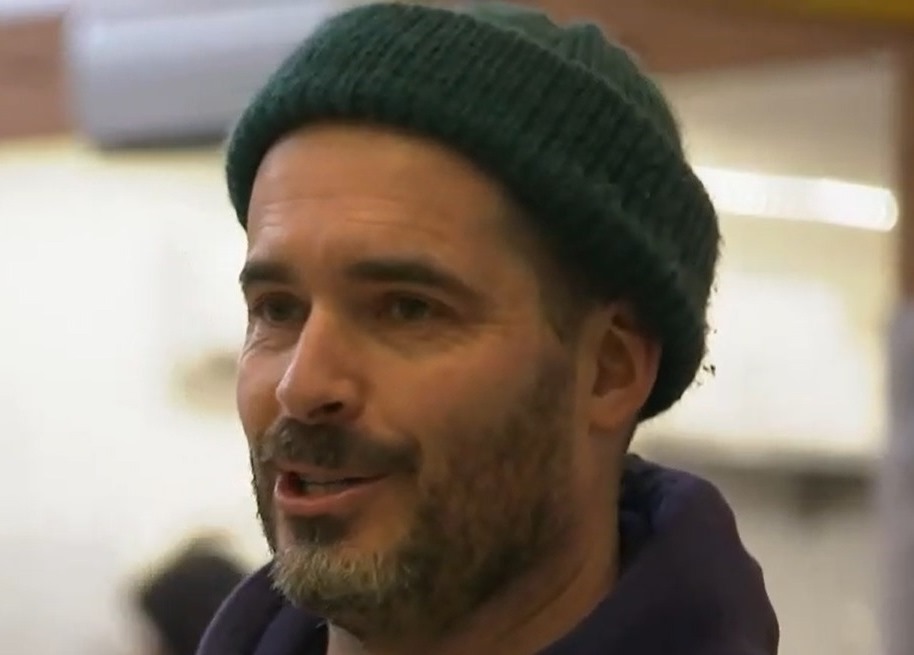
Here's the Countyfile Long Table report: Ellie Harrison comes from round here. I can't resist a few opening shots of the Stroud surroundings: My Irish correspondent has sent me this photo titled "Irishman new face of English 50 pound note". Alan Turing's mother, Ethel Sara Stoney, was Irish. Brexit be damned, hands across the sea.  Also mentioned in dispatches is cellist Patrick Dexter who has been posting lockdown performances outside his cottage in Mayo since last March. Here is "The Fields of Athenry": |
||||||||||||||||||||||||||||
|
Tuesday 2nd February |
||||||||||||||||||||||||||||
|
I may have to eat humble pie before this half-year is out, although I stand by my reservations about this government and Brexit thus far.
Yesterday's statistics tell a positive story: 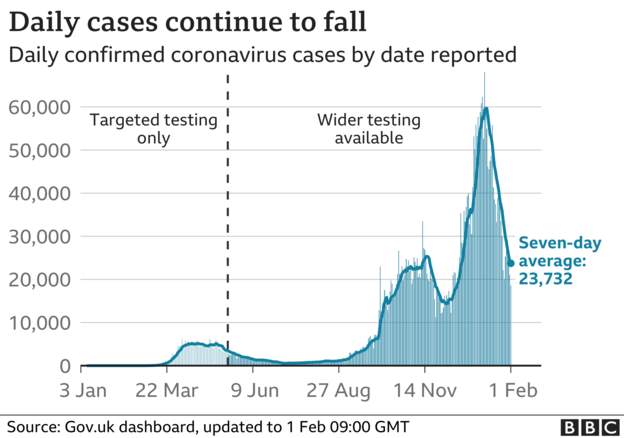
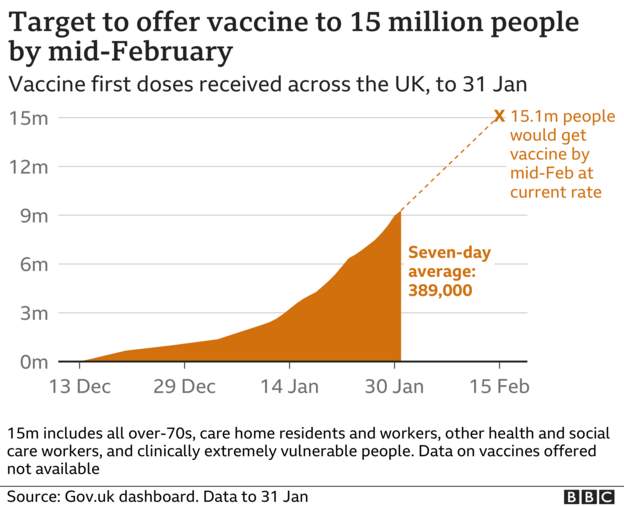
Add to these the pig's breakfast the EU is making over vaccines and the cries of Brexiteer "I told you so" are close to deafening. One observer commented: "The Commission is scrambling. Von der Leyen's top team is wobbling." I can cope. I'm prepared to celebrate any positive outcome regardless of its origins :-) Joe Biden tweeted: "Grateful for the short commute on days like these." 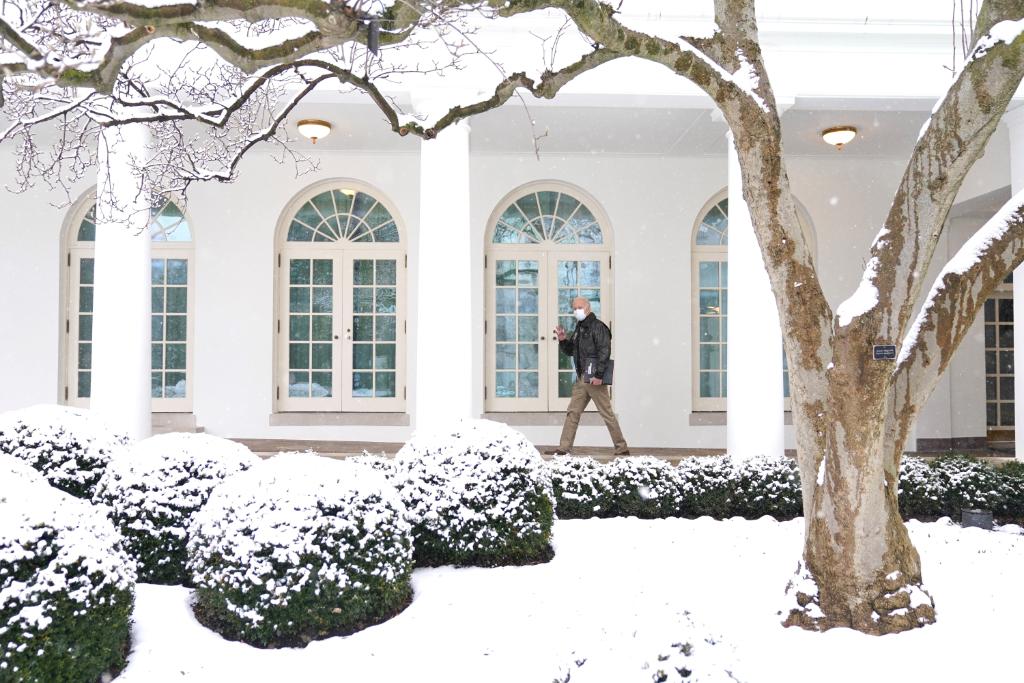
It's a cheering contrast. He's at work on a Sunday. He's wearing a mask. He's not playing golf nor watching cable news. No ranting. No self-obsession. |
||||||||||||||||||||||||||||
|
Monday 1st February |
||||||||||||||||||||||||||||
|
The start of a new month and we're still here. Time to hit the reset button. I feel the need to change gear, accelerate through this winter and out the other side. I'm grateful to have survived thus far, but there must be more I can do. I've enrolled on a couple of volunteering projects, waiting to be called to action. With social restrictions continuing, it's all going to be online-based for now, about which I have mixed feelings. Better than no involvement at all, but it brings home the weirdness of this pandemic world. Starting something new usually involves getting out there and meeting people. That's only going to happen in current conditions via this computer screen and the telephone line.
"When it's all over". That's the phrase running round my head. It's what we all hope and dream, isn't it? But what will it look like? What could it look like personally if I use the next few months well? I've had a to-do list for years and hundreds of the items are done. There are however a handful of malingerers that have refused to budge since I first started the list. Shall I cross them off, let them go? Are they important anymore? Or shall I have a proper go at them, mark them done - some will be ongoing - by July? I won't say what they are for fear of a jinx. But I will know. The first motivation is partly about just doing something different. We're settled into every day sameness. I accept lockdown-induced tedium as part of the process, but I could do with some variation. The other is that I could emerge from the pandemic with new skills learnt, with habits that serve the future. We don't really know how this virus will play out. The numbers are still huge and there's a long way to go. What twists lie ahead? These microbes are canny. Will further mutations enable them to dodge our response? Will we screw up global vaccination programmes with inward-looking prioritisation? I'm amazed how we seem to be fundamentally optimistic about a happy ending. |
||||||||||||||||||||||||||||
|
Saturday 30th January |
||||||||||||||||||||||||||||
|
As reported, I did rest yesterday. I rest every day. I'm not short of rest. If I ever think I am, I rest. It's a privilege of retirement. Lockdown adds another level of permission. Doing nothing indoors contributes to the safety of others.
In fact I was quite busy thinking about our most worrying challenge of the moment, the mental well-being of our daughter and teenage granddaughter. Not yet with any real success. The issue is one of the major sub-strands of the broader pandemic. If you Google "helping teenagers in lockdown" you are deluged with advice. I've visited and bookmarked the first page sites: Mind, Twinkl (learning resources), Priory, Barnardo's, BUPA, Parent Info, Charity Today, the BBC. Priory's top five tips are: coping with change; get off the worry train; don't predict the future; nurture your friendships; get outdoors. I don't find the suggestions very helpful. They're well-meaning but vague, self-evident, impractical. The biggest barrier is the very essence of lockdown. We're not there. We're meant to be minimising contact. We can't listen and respond in person, encourage, sympathise, cajole. What would really improve the lives of two people who are forced to rub along all day against a background of interrupted work and school, no outings, no visitors? With a 6-year-old in tow whose needs are very different. Two people who are very close but being driven potty by restrictive circumstances. The whole of a dank February ahead. I hope I make some progress today. |
||||||||||||||||||||||||||||
|
Friday 29th January |
||||||||||||||||||||||||||||
| Rest day ;-) | ||||||||||||||||||||||||||||
|
Thursday 28th January |
||||||||||||||||||||||||||||
|
The news about a schools' return date is a body blow to families juggling work, childcare and home schooling. Boris made this announcement in the Commons yesterday:
"The date of 8 March is the earliest that we think it is sensible to set for schools to go back and obviously we hope that all schools will go back. I'm hopeful, but that's the earliest that we can do it and it depends on lots of things going right, and it also depends on us all now continuing to work together to drive down the incidence of the disease through the basic methods we've used throughout this pandemic." We're now deep into the winter of this pandemic. 39 days to the "earliest" return, a long and challenging haul for parents and children who are already stretched and exhausted. Family mental health is seriously at risk. It's hard for everybody, but I really feel for teenagers who ought to be spreading their wings, enjoying friends, tasting new freedoms. The world should be opening up, not closing down. Our 14-year-old granddaughter is feeling the pinch, her morale very low. Life wasn't meant to be like this. None of it is helped by the UK weather, persistent rain, dark mornings and evenings. Uncertainty adds to the stress. The National Association of Head Teachers has said: "Now is the moment for calm heads to decide on a sustainable return to school, not another chaotic and last-minute set of decisions that could easily result in a yo-yo return to lockdown." Amen to that. A brief moment of levity, prompted by a distant memory of this time of year. When I was a teenager I used to go to a camping shop in Feckenham between Worcester and Redditch. They had a hoarding on the roadside promoting their January sale. "Now is the discount of our winter tents." Geddit? My great-niece has made this video inspired by Martin Luther King's famous speech and the challenges of climate change. Best viewed full-screen. |
||||||||||||||||||||||||||||
|
Wednesday 27th January |
||||||||||||||||||||||||||||
Try as I may, I find it hard to see our government's response to coronavirus as anything other than incompetent. We can acknowledge that the pandemic has been a challenge for all nations round the globe. There are some positive achievements such as the much-earlier-than-expected development of vaccines and the robustness of the NHS. On balance however, the milestone of 100,000 deaths is a disaster, five times the first predictions. Plenty has been written about leadership failure. I'll stick to what seem to be the critical shortcomings.


|
||||||||||||||||||||||||||||
|
Tuesday 26th January |
||||||||||||||||||||||||||||
|
Just had an across-the-road chat with Jason Orsi, proprietor of Toni's Kitchen. Their pizza business is going well although they're having to promote it more than usual. He says that the take-away market is becoming saturated as pubs and restaurants enter the game. He has no idea when he can re-open opposite. I asked, "You're not going to give up, are you?" He rolled his eyes and didn't answer. At the moment it just drains money. I presume he's still having to pay the rent.
If vaccines are the saviour, how is the distribution going? 
Sadly, money talks. Here's CNN today: Around the world, the vaccine rollout has shone a harsh light on global income disparities. Rich countries take the lion's share of inoculations, and poorer states scramble to have even the prospect of life after coronavirus. The Middle East is a microcosm of that global problem. While oil-rich Gulf Arab nations were among the first in the world to receive a vaccine, war-torn countries such as Yemen and Syria must contend with vague timelines and complex distribution plans for the rollout, despite being among the worst affected by the virus. The first Arab countries to begin vaccinating their citizens and residents were also the richest: Saudi Arabia, the United Arab Emirates, Qatar, Kuwait, Bahrain and Oman. Why is Israel so far out in front? The FT has an article titled "How Israel secured more vaccines than it can use". Late last year Israel was competing furiously with much larger countries to secure vaccine supplies from global manufacturers as the coronavirus pandemic raged. Now, it finds itself spearheading one of the world's fastest vaccination drives, with more vaccine - both in-country and en route - than it will use. How did a country with barely 9m citizens persuade companies courting markets with hundreds of millions of potential customers to fill its orders first? The answer lies in 17 conversations between Albert Bourla, Pfizer's chief executive, Benjamin Netanyahu, Israel's prime minister, and Yuli Edelstein, the health minister. 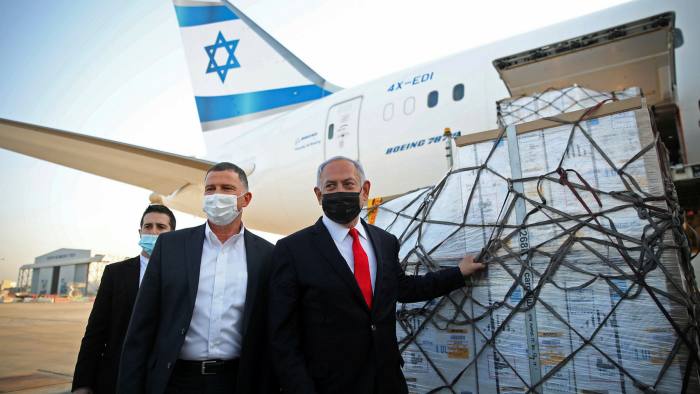
The two Israeli politicians promised to build one of the fastest vaccination drives in the world and share data on its impact on the pandemic, so long as supplies were plentiful and uninterrupted. Pfizer agreed and the deliveries started by mid-December. "The company will be able to boast about it, to make profit from it and to publicise it," said Mr Edelstein, in an interview with the Financial Times. "Without this, any company wouldn't even be looking at our direction - they would be looking for markets a hundred times the size." With more deliveries due, Israel is now set to have a surplus of vaccines from all three main manufacturers by March. Netanyahu, who faces a fourth election in two years in March, has made Israel's world-leading vaccination program the central message of his re-election campaign. Ten days ago the head of the WHO, Tedros Adhanom Ghebreyesus, commenting on the richer countries' "me first" prioritisation of their own populations, warned: "I need to be blunt: the world is on the brink of a catastrophic moral failure - and the price of this failure will be paid with lives and livelihoods in the world's poorest countries. Ultimately, these actions will only prolong the pandemic, the restrictions needed to contain it, and human and economic suffering." He appears in this Reuters report on over-supply in well-heeled economies: |
||||||||||||||||||||||||||||
|
Monday 25th January |
||||||||||||||||||||||||||||
|
Only one topic of conversation today. It's Burns Night and time for haggis. If you're vegetarian and/or squeamish, you can skip today's post ;-)
Here's one I made earlier. Actually, about 15 years ago. It was a treat for son Ben, whose birthday is on 26th January. He likes offal as much as I do; he had his first taste of the "wee beastie" aged 13 in Fort William. I hunted down all the proper ingredients. Our local abattoir supplied the "sheep's pluck", the internal organs like liver, lungs and heart. All ground up in my treasured hand mincer. The casing was "ox bung" from a sausagemaker in Bolton. 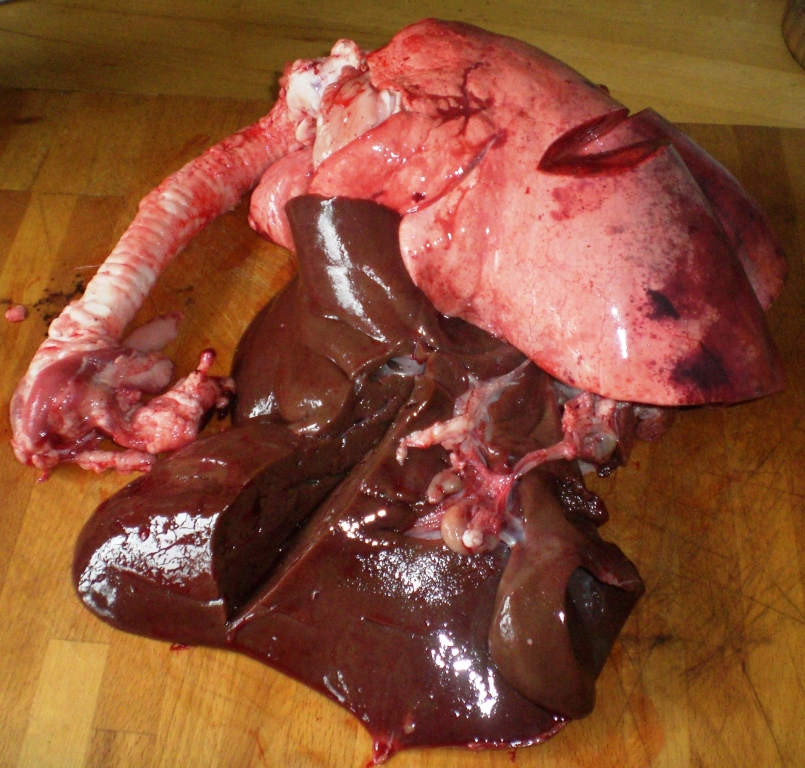
At serving time, you have to "pipe in the haggis": Is that it? Doesn't look like enough for all those guests ;-) Then you need to be ready with the Selkirk Grace: "Some hae meat and canna eat, And some wad eat that want it, But we hae meat and we can eat, Sae let the Lord be thankit." I've finished now. You can uncover your eyes. |
||||||||||||||||||||||||||||
|
Sunday 24th January |
||||||||||||||||||||||||||||
|
The Biden feel-good-factor glows through County Mayo. It is such a contrast to the grim presence of the "Orange Mussolini", the blessed lifting of a dark malevolent cloak. The young people of Ballina sing the praises of their town.
Here's a lockdown we understand. Not going anywhere in Stroud this morning. The hills, including our own Daisy Bank, are going to be busy with sledgers :-) 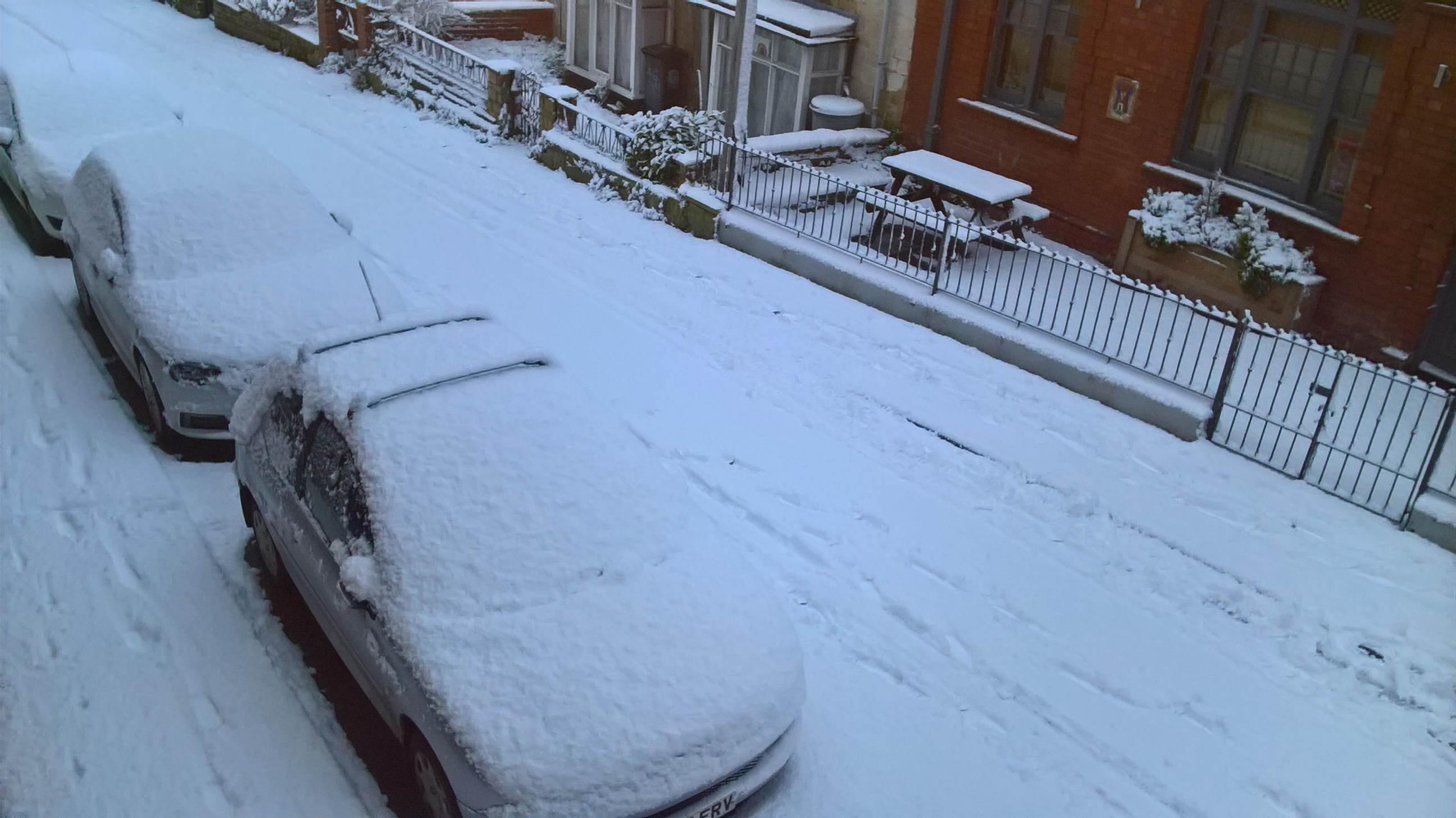
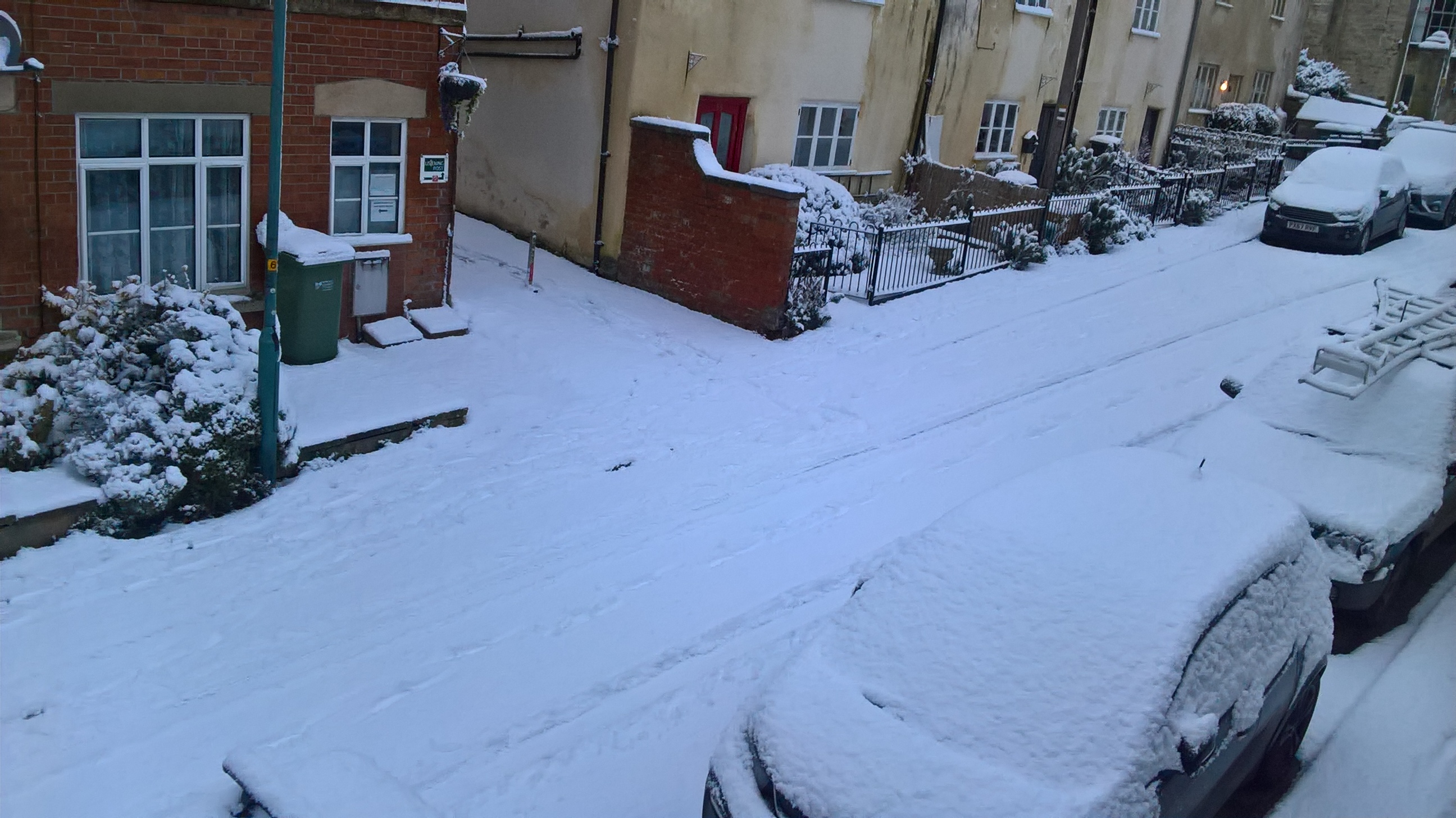
A charming session of Test Match Special. The slow Sri Lankan over rate has led to a lot of commentator chat. Vaughan and Aggers have been discussing the phenomenon of heating boiler breakdown and cricket correspondents on tour. They're used to being in hotter climes during the British winter and always get a call from a freezing spouse when the boiler inevitably fails. This time they're not away so they have to deal with it in person. I swear that Vaughan has just said he's had king prawns in chili and coriander for breakfast. He's in MediaCityUK Salford, isn't he? I suppose that doesn't preclude a spicy Galle-style start to the day. Maybe it's his contribution to the illusion of being there. Meanwhile Aggers is tackling venison for the Sunday roast. He nips down from his loft between on-air stints to tend its progress. Colleagues have been generous with warnings about drying it out. |
||||||||||||||||||||||||||||
|
Saturday 23rd January |
||||||||||||||||||||||||||||
|
I've had a slight dose of the coronavirus blues the last couple of days. Not helped by an old knee complaint playing up, inhibiting exercise and sleep. I guess it's inevitable that such odd times will contain days like these.
Which, by way of antidote, brings me to a favourite Van Morrison number, "Days Like This". It's a clever little thing, defining the good days through absence of the bad. Pretty, neatly crafted. Love the horn section. Under 3½ minutes' long, an essential requirement for a great song. When it's not always raining, there'll be days like this When there's no one complaining, there'll be days like this When everything falls into place like the flick of a switch Well my mama told me there'll be days like this When you don't need to worry, there'll be days like this When no one's in a hurry, there'll be days like this When all the parts of the puzzle start to look like they fit Then I must remember there'll be days like this When you don't need an answer, there'll be days like this When you don't meet a chancer, there'll be days like this When you don't get betrayed by that old Judas kiss And I must remember there'll be days like this [Solo] When everyone is up front and they're not playing tricks When you don't have no freeloaders out to get their kicks When it's nobody's business the way that you want to live Woah my mama told me there'll be days like this When no one steps on my dreams, there'll be days like this People understand what I mean, there'll be days like this When you ring out the changes about how everything is Well my mama told me there'll be days like this The Covid-blues gurus say gratitude is a key component of beating the gloom, usually thanks for something good. But that's not all. Yesterday could have been much worse, for which escape I'm thankful :-) We're rarely appreciative of what didn't happen. |
||||||||||||||||||||||||||||
|
Friday 22nd January |
||||||||||||||||||||||||||||
|
An ideal way to start the lockdown day. Particularly for those of us who sleep less well than we'd like. Listening to Test Match Special, live coverage of Sri Lanka v England on the first day of the second test in Galle. Here's the commentary (when the game's in progress, from 04:30am GMT): Galle's lovely. The ground is right by the fort, where I was lucky enough to stay in the early 1980s in the Galle Fort Hotel. I was on a trip taking my mother to visit friend Sue Boardman in Colombo and Galle was my weekend off. 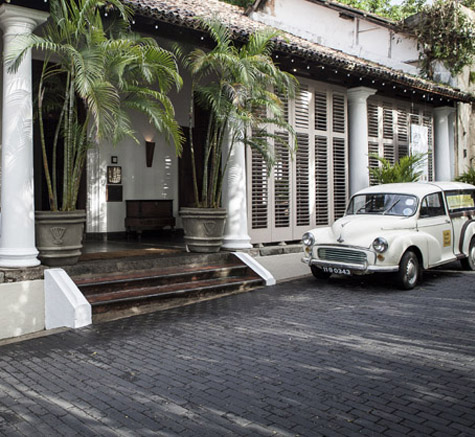
The big difference in this broadcast is that none of the TMS team is in Sri Lanka. The international press has been excluded, only local television is allowed. It's a true virtual effort. They're all over the place: Phil Tufnell and Alastair Cook in the press box at the Oval; Eleanor Oldroyd at home; Simon Mann in a Strictly Come Dancing-themed room at MediaCity in Salford; Aggers in his loft in the Vale of Belvoir dressed in pyjamas and a dressing gown. Early starts required as Galle is 5½ hours ahead. Aggers just promised Cook a call at 2:50am tomorrow to make sure he's on the road down to the Oval. The whole show is seamlessly presented. They all sound like they're in Sri Lanka. I assume the background noise comes from the local TV. 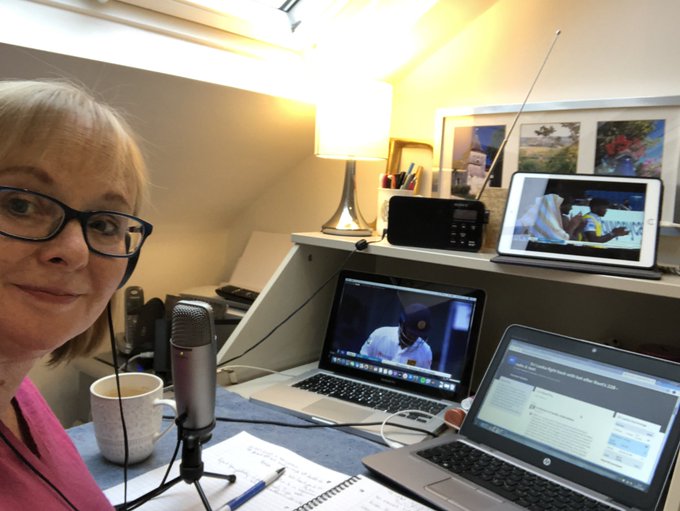
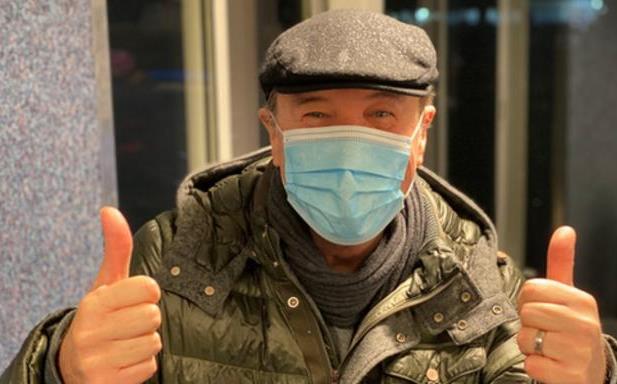
|
||||||||||||||||||||||||||||
|
Thursday 21st January |
||||||||||||||||||||||||||||
|
This 22-year-old lit up the inauguration. Amanda Gorman reads "The Hill We Climb".
"Mr President, Dr Biden, Madam Vice-President, Mr Emhoff, Americans and the world, "When day comes we ask ourselves where can we find light in this never-ending shade? The loss we carry a sea we must wade. We've braved the belly of the beast. We've learned that quiet isn't always peace. In the norms and notions of what just is isn't always justice. And yet, the dawn is ours before we knew it. Somehow we do it. Somehow we've weathered and witnessed a nation that isn't broken, but simply unfinished. We, the successors of a country and a time where a skinny Black girl descended from slaves and raised by a single mother can dream of becoming president only to find herself reciting for one. "And yes, we are far from polished, far from pristine, but that doesn't mean we are striving to form a union that is perfect. We are striving to forge our union with purpose. To compose a country committed to all cultures, colors, characters, and conditions of man. And so we lift our gazes not to what stands between us, but what stands before us. We close the divide because we know to put our future first, we must first put our differences aside. We lay down our arms so we can reach out our arms to one another. We seek harm to none and harmony for all. Let the globe, if nothing else, say this is true. That even as we grieved, we grew. That even as we hurt, we hoped. That even as we tired, we tried that will forever be tied together victorious. Not because we will never again know defeat, but because we will never again sow division. "Scripture tells us to envision that everyone shall sit under their own vine and fig tree and no one shall make them afraid. If we're to live up to her own time, then victory won't lie in the blade, but in all the bridges we've made. That is the promise to glade, the hill we climb if only we dare. It's because being American is more than a pride we inherit. It's the past we step into and how we repair it. We've seen a forest that would shatter our nation rather than share it. Would destroy our country if it meant delaying democracy. This effort very nearly succeeded. "But while democracy can be periodically delayed, it can never be permanently defeated. In this truth, in this faith we trust for while we have our eyes on the future, history has its eyes on us. This is the era of just redemption. We feared it at its inception. We did not feel prepared to be the heirs of such a terrifying hour, but within it, we found the power to author a new chapter, to offer hope and laughter to ourselves so while once we asked, how could we possibly prevail over catastrophe? Now we assert, how could catastrophe possibly prevail over us? "We will not march back to what was, but move to what shall be a country that is bruised, but whole, benevolent, but bold, fierce, and free. We will not be turned around or interrupted by intimidation because we know our inaction and inertia will be the inheritance of the next generation. Our blunders become their burdens. But one thing is certain, if we merge mercy with might and might with right, then love becomes our legacy and change our children's birthright. "So let us leave behind a country better than one we were left with. Every breath from my bronze-pounded chest we will raise this wounded world into a wondrous one. We will rise from the gold-limbed hills of the west. We will rise from the wind-swept north-east where our forefathers first realized revolution. We will rise from the Lake Rim cities of the midwestern states. We will rise from the sun-baked south. We will rebuild, reconcile and recover in every known nook of our nation, in every corner called our country our people diverse and beautiful will emerge battered and beautiful. "When day comes, we step out of the shade aflame and unafraid. The new dawn blooms as we free it. For there is always light. If only we're brave enough to see it. If only we're brave enough to be it." |
||||||||||||||||||||||||||||
|
Wednesday 20th January |
||||||||||||||||||||||||||||
Here's a resonant pandemic tale from the January edition of Good on Paper 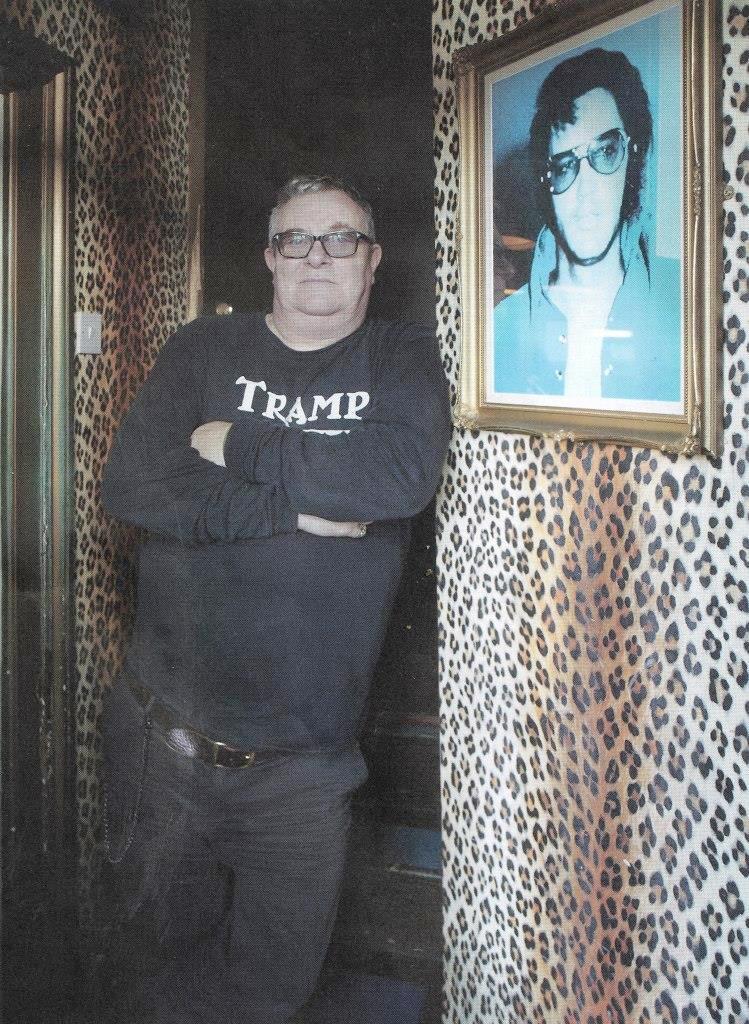
How can you not like a pub with an Elvis print hanging on leopard-skin wallpaper? In a piece which is a little florid but true to a great local institution (that's both the pub and the landlord), Rob extols the charms of the "Hat and Stick" and discusses the pressures of Covid, a familiar and sad story. The place, for its customary character and present undeserved struggle, merits a decent extract. It's a suitably cold and grey December morning on Horns Road; still, silent, without the hint of birdsong or human chatter. The fog has finally lifted from the heart of the town, but the mist still clings to the hills across the valley, as if mirroring the pandemic which still clings to our everyday lives, joyless and squat, fogging up our plans. At the end of Horns Road, though, is a beacon - an old and cherished public house, The Crown & Sceptre, which has stood here since Victorian times and offers so much more than occasional respite. Many publicans have taken their turn over the years, but now is the time of Rodda Thomas, a more community-spirited, left-leaning good 'un you would do well to find. In normal times his doors would be wide open to let the world in. But these are not normal times and it's evident from the moment I walk in. Inside the pub now the chairs are stacked like the end of day and the bar is closed and the main door is locked. The lights are off and no music is playing. As we sit around a table and I fumble with my notes the quiet pub sighs as if waiting for the world to begin again. It's been a long pandemic and we're all a little exhausted by it, a little humbled, a little defeated. But for someone whose purpose, whose entire way of life, is to create a snug beneath his roof, a steadfast retreat for people to gather, huddle, gabble and drink in magnificent human belonging, the virus has been particularly cruel. "I'd love to reopen in spring but I'm not sure we will. I want my locals back at the bar. But will it ever be the same?" He isn't certain and he fears for the pub's future. Everything local seems to be hanging in the balance right now. It's the same in all towns, of course, but Stroud's a bit special. I'm not talking about the gentrified coffee shops, the hip farmer's market or the historic canal being carved up and beautified for civic pride, but rather the independent businesses that bind its many communities. Because it's them that make this old town tick. I think Rodda will make it through, and the pub, for sure, will continue to serve the local community post virus. Because when the music returns and going out is once again the new staying in, all of his dedication to the people jn his patch will have earned him their loyalty and they'll drink to his health. And anyway, who among us can say no to a pickle-off (one of the many annual events where people bring their pickles to taste and the winners get certificates) on a Sunday evening? |
||||||||||||||||||||||||||||
|
Tuesday 19th January |
||||||||||||||||||||||||||||
I'm reluctant - it's a less than cheerful snapshot - but I feel compelled to take stock of the global status of the pandemic trajectory as we pass mid-January 2021. I've chosen two FT-published charts; the first is the "bulge" graph of daily deaths, the second cumulative deaths in the top six "leading" nations. Click or tap to enlarge.
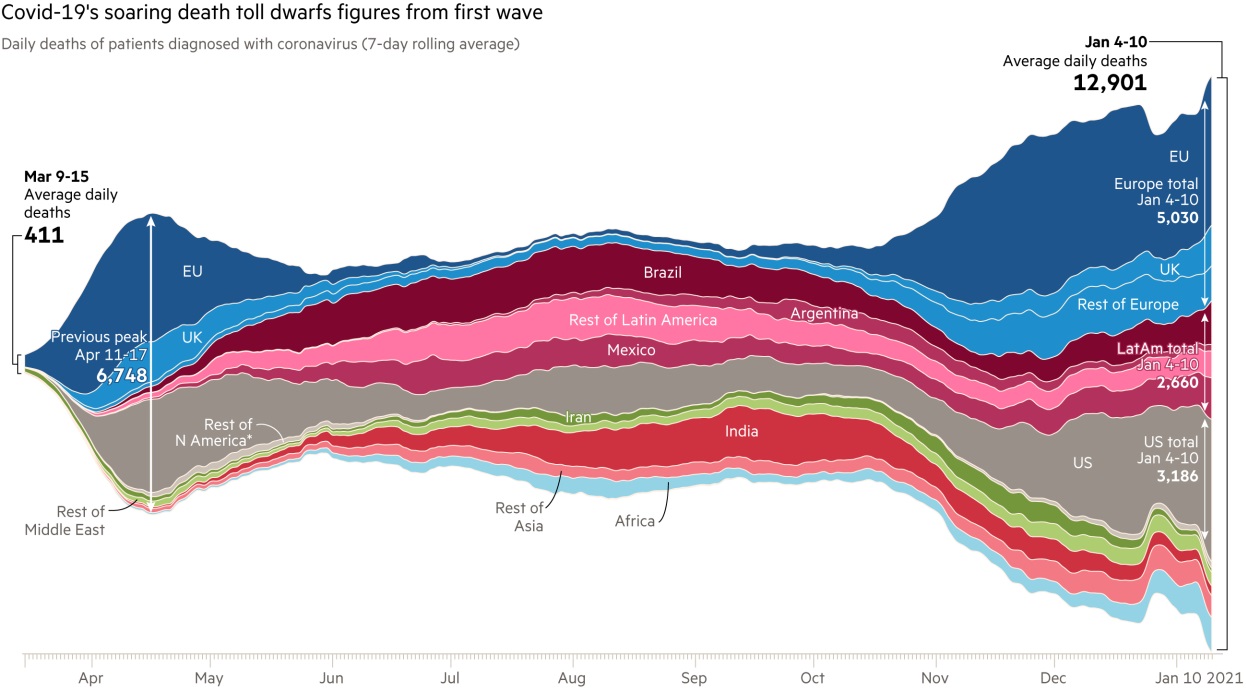
The salient features are self-evident. The coronavirus cloud is darker than ever. This wave's fatalities are 1.91 times higher than the first. Europe and the USA stand out today. Look at the difference in recorded daily deaths in Europe between mid-August and the present. The world-wide numbers have doubled since October 1st. We've been in crisis for a year and we're at the peak. Or so we hope. I have to pinch myself to believe this virus. How can a microbe, a pathogen - call it what you will - hold an entire planet in thrall? I suspect you can only really feel its presence in certain circumstances: the loss of someone close, a friend who's tested positive, daily caring for the sick in hospital, the moment you yourself start to have difficulty breathing. The statistics don't lie, but I can't see anything untoward outside my window. It's right here, in our town - the hospital 200 yards away is full of Covid patients - and yet, until one of the experiences above hits home, it's a distant plague. What surprises me most is that we maintain any pretence at all of normality. Our society has been transformed, disrupted, misshapen by upheaval to a degree unimaginable a year ago. If you're retired like me, everyday life is but a slow and restricted version of our norm. If you've lost your income, closed a business, cannot support your children, are working all hours and risking your own health to save and protect others, the impact of Covid is a hammer blow. The dream is that a better year lies ahead. Vaccines are rolling, the need for rigorous social distancing lockdown seems to have sunk in. Yes, nagging doubts persist. Is Africa a case explosion waiting to happen? There is the challenge of vaccination in developing countries. We can only wish for the best. No, that's not true, wishing isn't good enough. We have to embrace, energetically and fiercely, the initiatives and behaviour that can bring positive change and ultimately an end to the crisis. |
||||||||||||||||||||||||||||
|
Monday 18th January |
||||||||||||||||||||||||||||
|
Fod Barnes has drawn my attention to Friday's edition of Brexit and Beyond There was a pervasive sense amongst Brexit supporters that somehow nothing much would change as a result. That was obviously linked to the lies about how it would be quick, easy and cost-free, a symbolic act of freedom that had no connection with the taken-for-granted systems that make modern life work, for example putting food in shops or planes in the air. So you could leave the EU and it would be a wonderful liberation and then carry on as before. As Sally Jones, trade strategy and Brexit lead for the EY consulting firm, speaking of the reintroduction of barriers to trade, put it, "people forget just how difficult things were in the past". There was a lack of understanding about how these systems actually worked. That's not unreasonable. Few of us understand the inner workings of our computer or our car. This explains why we do not hold votes on whether to rip out the motherboard or crankshaft in the name of consumer sovereignty. Few understand the hidden complexities of trade, customs and supply chains. Brexit throws up so many technical niche areas that no one person could possibly be conversant with them all. There is not simply a single physical border. Hauliers, customs agents, vets, and government agencies each in effect act as 'borders', making decisions and undertaking processes which determine whether or not a laden truck actually passes or even reaches the physical border. This is a reminder that customs formalities are only one of the new barriers to trade that Brexit has created or revived. There are also issues such as product labelling and veterinary checks. We are experiencing the consequences of Great Britain being outside both the customs union and the single market. Grey refers to a list in Yorkshire Bylines  of Brexit pros and cons. I don't know the political leaning of Bylines, although I can hazard a guess. The summary is called "The Davis Downside Dossier"; in October 2016 Brexit chief (Secretary of State for Exiting the European Union) David Davis told the House of Commons that "there will be no downside to Brexit at all and considerable upsides". The article names 4 upsides and 48 downsides. That may tell us something. If you'd like to be in command of the Brexit cons it's definitely worth a look. You will be able to browbeat any Brexiteer into submission in debate. Here's the list: of Brexit pros and cons. I don't know the political leaning of Bylines, although I can hazard a guess. The summary is called "The Davis Downside Dossier"; in October 2016 Brexit chief (Secretary of State for Exiting the European Union) David Davis told the House of Commons that "there will be no downside to Brexit at all and considerable upsides". The article names 4 upsides and 48 downsides. That may tell us something. If you'd like to be in command of the Brexit cons it's definitely worth a look. You will be able to browbeat any Brexiteer into submission in debate. Here's the list: |
||||||||||||||||||||||||||||
|
Sunday 17th January |
||||||||||||||||||||||||||||
A glimmer of improvement:
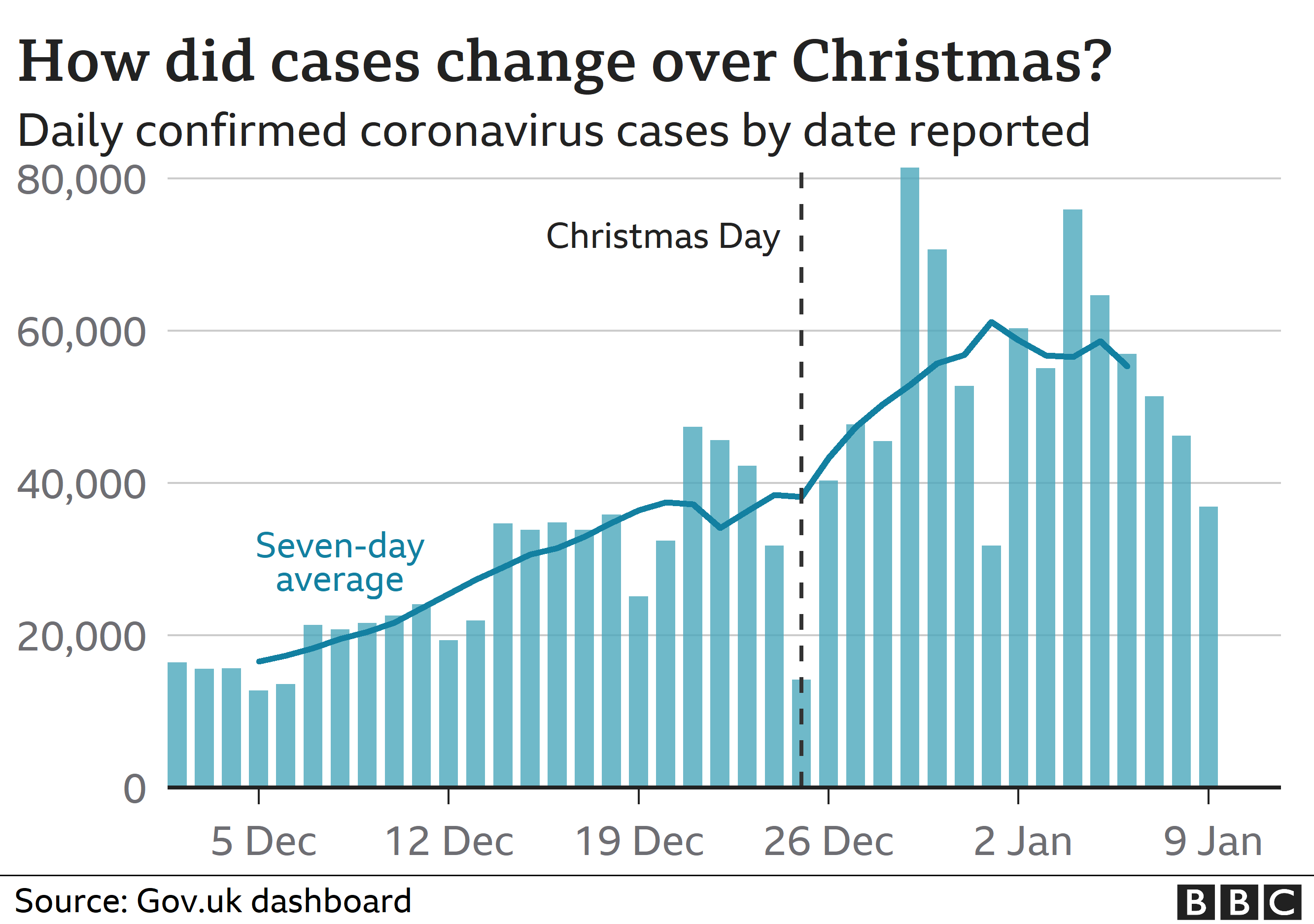
The effect of vaccine rollout is showing up in holiday plans, particularly among older customers. National Express's coach holiday businesses say bookings made by those 65 and over have increased by 185% in the last fortnight compared to last year. Head of holidays and travel Jit Desai said: "Since the announcement of the vaccine, it's given our customer base, predominantly those over 65, increased confidence to book and have that summer getaway in 2021. We launched the brochure for spring-summer 2021 just this weekend gone, and on Monday we took a week's worth of bookings in a day and that's continued so far. Many we've spoken to have had the first jab. They know in 12 weeks they'll get a second. It gives them certainty that they can enjoy and look forward to their 2021 holiday." An unforeseen bonus of lockdown. Here's grandson Marlie describing his love of chores to mother Ellie (pausing to greet dog Chino), and at the sink with dishes (supported by sister Lola). |
||||||||||||||||||||||||||||
|
Saturday 16th January |
||||||||||||||||||||||||||||
Our house is in the Trinity electoral ward of Stroud. It's the Green heart of the county. Some call it the "muesli belt". Here's a local election results map (from 10 years ago, it's the best I can find, just to illustrate); Trinity is part of the Stroud East green area.
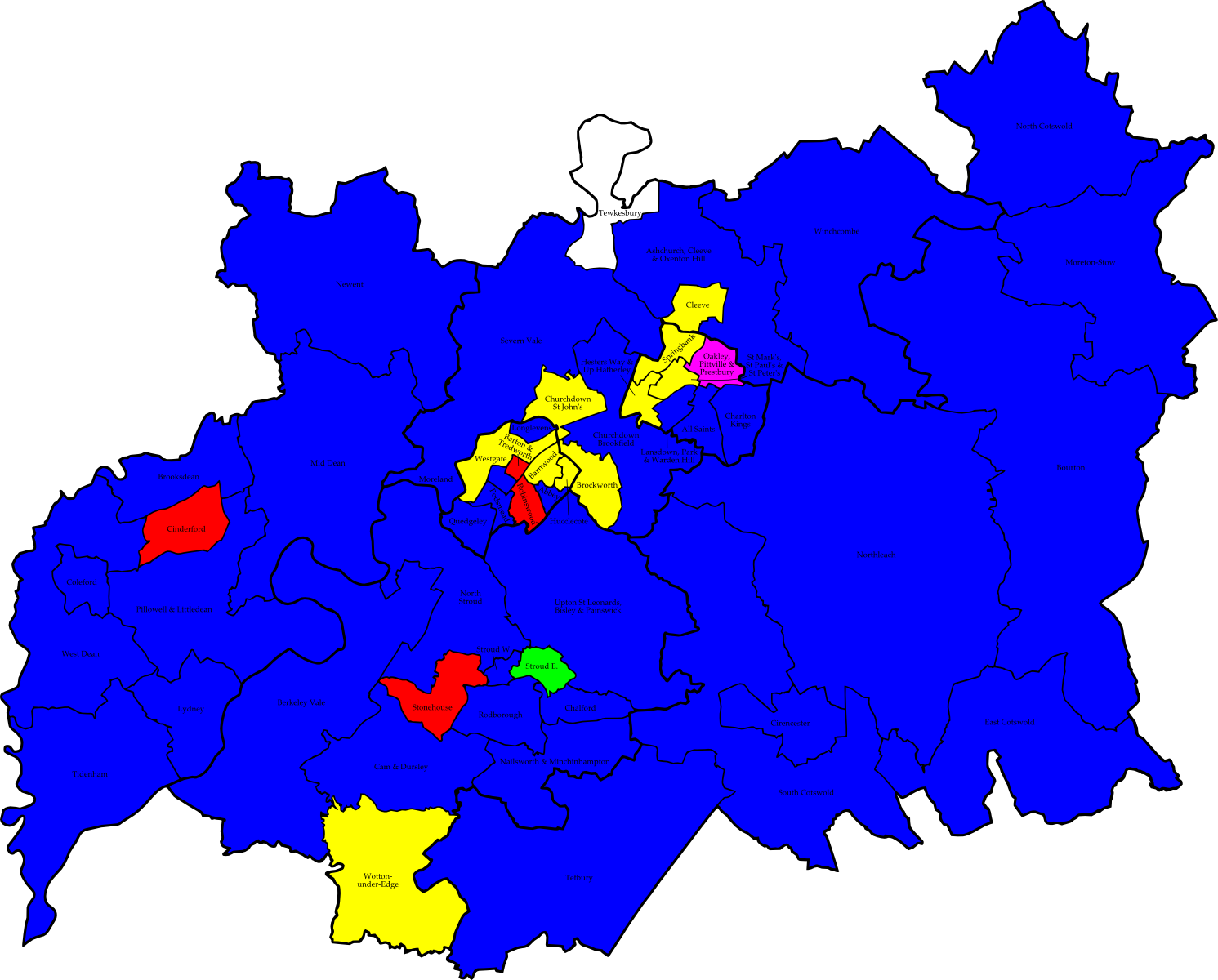
The ward is also probably (I have no hard evidence) the home of Stroud's anti-vaccination movement. There appears to be a link between green politics and anti-vaxing. Our district councillor, the legendary John Marjoram, many-times-mayor of the town, has been out in the High Street with other protesters (he's second-left below). I don't understand what the placards mean. Appropriate that they should be in front of the Sunshine shop: "Natural Health & Body Care". 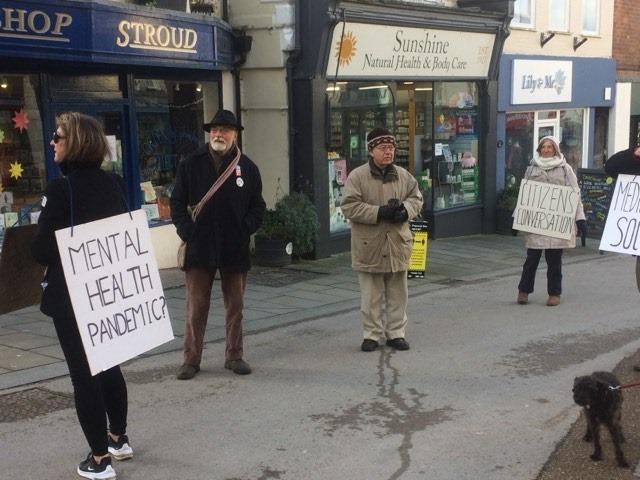
Vaccine opposition isn't new. It began in the early 1800s when the smallpox vaccine started being used in large numbers. The idea of injecting someone with part of a cowpox blister to protect them faced a lot of criticism based on sanitary, religious and political objections. 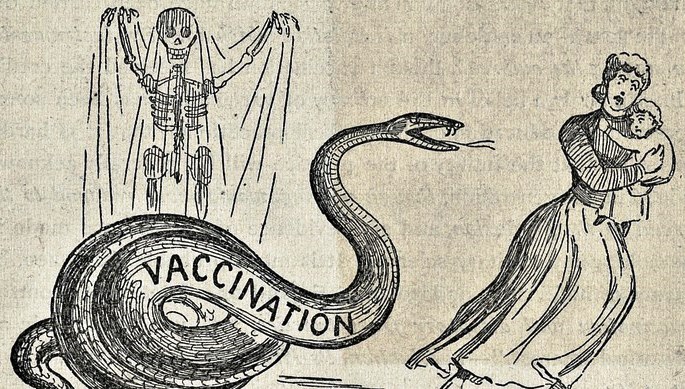
The success of vaccines in bringing an end to Covid-19 is dependent on people receiving treatment. If they don't the risk remains of pockets of the virus persisting and spreading. Smallpox is estimated to have killed up to 300 million people in the 20th century. The World Health Organization (WHO) certified the global eradication of the disease in 1980 assisted by vaccination. |
||||||||||||||||||||||||||||
|
Friday 15th January |
||||||||||||||||||||||||||||
|
We can't travel at the moment, but we can dream. I spend time planning trips for when (please not if) we are released. Top of the list are Vienna and Bilbao to see our boys. I'll be ready to press the "buy" button when the time comes.
There's also pleasure looking back on favourite visits, particularly at the accommodation. I quizzed Sarah over our morning cup of tea yesterday. I've chosen three here. They're all modest, sometimes quirky, "pensions" - our preference. Swanky hotels (I stayed in many when travelling for business) are completely wasted on me; I get nothing from the chic expensive bars, smart but often bland restaurants, gift shops full of irrelevant luxuries. First up is Die Fabrik in Schlesische Straße, Kreuzberg, Berlin - our base when we drove Nikko to start his adventure in the city. It's very cool, as befits its funky location; the website says, "Our neighborhood is loud, gutsy, political, multi-cultural and right where the party is." A former telephone factory, our large room had exposed red brick walls and high ceilings, a minimalist yet comfortable feel. We loved the bar near the ground floor entrance, buzzing in the evening, home to a stunning breakfast, all organic and whole-foody. Next comes the Hotel Evripides, Evripidou Street, Athens. We were visiting Nikko when he lived there. It's a basic modern 7-floor hotel offering simple pleasures, with delightfully helpful staff, one of whom was happy to give time to help Sarah with her Greek studies. The bar on the top floor has a terrace that looks all the way down to the port of Piraeus and across to the Parthenon. Although February it was very warm and we sat out for both evening drinks - wine and beer only, served in clunky school catering glasses - and breakfast - a very ordinary but welcome self-service pile-your-plate affair with hard-boiled eggs, cold meats, Russian salad, yoghurt and fruit. Evripidou is an ethnic melting-pot of artisans, herb and spice shops - oh, the aroma! - hole-in-the wall ironmongers, discount clothing stores and grocers. Right opposite the hotel is a cavernous and pragmatic grill restaurant, all unshaded strip lights and white tiles; I reckon they just hose it down at the end of service ;-) It came into its own on the Thursday of our visit, the holiday called - in pseudo-Greek - "Tsiknopempti". "Pempti" is the fifth day of the week as Greeks count Sunday as the first day. "Tsikna" refers to the smell of cooked meat. It's all sometimes translated as "Meat Thursday", signalling the start of the last weekend that observant Greek Orthodox Church members are permitted to eat meat before fasting for Lent. We went for dinner and were presented with a huge mound of chops, souvlaki and other grilled meat. It's meant to be your mega-meat-fix for a month. Third and last is the AliciaZzz B&B, Calle Sombrereria (or Kapelagile Kalea in Basque) in the Casco Viejo of Bilbao. We were visiting Ben. It's a colourful place wackily themed after Alice in Wonderland. Our room was named Lagrimas del Mar (Pool of Tears) - hmmm, a bit inauspicious, but actually charming and bright. Breakfast was again a high point. A central reception alcove was stocked with all the equipment for do-it-yourself: percolators, teapots, ground coffee, varieties of English tea, cereals, a bowl of mixed fresh fruit, warm pastries every morning. It was a communal meeting area so you got the chance to chat to other guests. Outside you're right in the bustle of the old town. Narrow pedestrian streets, Basque balconies, bars and restaurants every few paces, all the shops you might need in emergency, little squares in which to while away the time. If you want a bit of space, just round the corner is the grand neoclassical Plaza Nueva (or Plaza Barria). At one end of Calle Sombrereria is the busy, more commercial Plaza Unamuno; at the other you're on the broad promenade flanking the river Nervión. I look forward to more later this year. |
||||||||||||||||||||||||||||
|
Thursday 14th January |
||||||||||||||||||||||||||||
|
Speaker Nancy Pelosi signed the article of impeachment against President Trump after the House voted 232 to 197.
"Today, in a bipartisan way the House demonstrated that no one is above the law, not even the President of the United States. That Donald Trump is a clear and present danger to our country and that once again we honor our oath of office to protect and defend the Constitution of the United States, so help us God. And now, I sadly and with a heart broken over what this means to our country, of a president who would incite insurrection, will sign the engrossment of the article of impeachment." The debated resolution document was unequivocal. Here it is: 117TH CONGRESS 1ST SESSION H. RES. 24 "Donald John Trump engaged in high Crimes and Misdemeanors by inciting violence against the Government of the United States. "President Trump gravely endangered the security of the United States and its institutions of Government. He threatened the integrity of the democratic system, interfered with the peaceful transition of power, and imperiled a coequal branch of Government. He thereby betrayed his trust as President, to the manifest injury of the people of the United States. "Donald John Trump, by such conduct, has demonstrated that he will remain a threat to national security, democracy, and the Constitution if allowed to remain in office, and has acted in a manner grossly incompatible with self-governance and the rule of law. Donald John Trump thus warrants impeachment and trial, removal from office, and disqualification to hold and enjoy any office of honor, trust, or profit under the United States." The future "disqualification to hold and enjoy any office" surprises me. I didn't know it was on the cards and I'm reassured that it is. Now we move to trial in the Senate. Meanwhile, Trump released a video yesterday in which he expressed sentiments that he should have considered earlier. He's scrambling now, back-tracking to save his skin. Here's the full transcript: "Making America Great Again has always been about defending the rule of law, supporting the men and women of law enforcement and upholding our nation's most sacred traditions and values. Mob violence goes against everything I believe in and everything our movement stands for. No true supporter of mine could ever endorse political violence. No true supporter of mine could ever disrespect law enforcement or our great American flag. No true supporter of mine could ever threaten or harass their fellow Americans. If you do any of these things, you are not supporting our movement, you are attacking it and you are attacking our country. We cannot tolerate it." |
||||||||||||||||||||||||||||
|
Wednesday 13th January |
||||||||||||||||||||||||||||
|
Following Monday's post on still and silent Stroud, I've been ruminating further about my experience of lockdown.
As I said then, it's mostly about slowing down. It would be all too possible to get frustrated and frantic as our activities are curtailed. I've found that the opposite is happening. It reminds me of a little lecture I gave myself about driving a few years ago. I'd had a series of minor accidents, bumps in car parks, losing a wing mirror against a wall. I decided that it was all about concentration. The instruction I gave to myself was, "While you're driving this car, you only have one job to do - driving the car." No distractions from the main task: chatting to a passenger (it's OK to listen), finding another channel on the radio, digging out a CD, looking at a view - just driving. I feel something similar about the pandemic. There's only one job: surviving and beating the coronavirus. All the rest is noise. Boredom is a worthy by-product. Achieving less is acceptable. Just remember that you're doing fine with the BIG challenge. As if by magic, now that I've accepted (not completely acquiesced, but semi-adjusted to its presence) our weird condition, the tasks that I might previously have postponed are slowly getting done. Mending a couple of chairs, tidying a bookshelf, clearing old and redundant computer kit that's been clogging my office. It's the same with habits and routine that I've not cracked before. Breakfast - never a fixture in our household. Sarah prepares it every morning now, alternating porridge, stewed apples and yoghurt one day with streaky bacon, scrambled eggs and toast the next. Delicious. There's a trickle-down effect too. I've cut out those snacks later in the day, the dreaded garage sandwich. It's all an unanticipated silver lining. |
||||||||||||||||||||||||||||
|
Tuesday 12th January |
||||||||||||||||||||||||||||
|
I've been reflecting on Boris' leadership performance against the coronavirus. The total number of UK deaths isn't a good start: 89,243 to date, fifth in the world behind the USA, Brazil, India and Mexico, out in front in Europe. The criticisms of the government have been legion: ill-prepared, slow to respond, the abject failure of test-and-trace, a broken NHS app, confusing directives, inadequate notice of rule changes, a sorry set of senior officials. What role has Boris played, and what is the source of his approach?
I suspect that it's a mixture of personal preference, political expedience and his root Tory philosophy. We have to acknowledge that Covid-19 was a tough challenge to meet in the first months of his premiership and he's not alone among world leaders in the dubious quality of his response. My partner Sarah thinks he has avoided or delayed tough measures because he wants people to like him. He fosters his own life-and-soul image, he's keen to be everybody's fun-loving witty pal, he craves the popularity accompanying his election victory. I believe that his Tory ideological heritage has bred in him a reluctance to interfere. Woven into his principles are various strands of conservative sacred-cow thinking: the free market, libertarianism, laissez-faire, scepticism of state power, mistrust of coercive public institutions. Where the Socialist favours controlled social and economic engineering, the Tory tends to deregulation and individualism. Back once again to the success of Taiwan. You can argue that it comes at a price. The country has emerged from a distinctly unliberal past: the rigidity of Communist China, a one-party dictatorship. I hope that I'm not doing the Taiwanese a disservice when I say that the inherited cultural norm is that if the government decrees an action, the people obey. Taiwan declared immediate lockdown; the population followed the rules. Boris is temperamentally averse to a timely cracking of the whip in any way that resembles the above. Mind you, half of us would probably have objected to a show of early resolve. |
||||||||||||||||||||||||||||
|
Monday 11th January |
||||||||||||||||||||||||||||
|
I went down into Stroud town centre late afternoon for the first time in many moons. Deserted, as I imagine most high streets are. I expected it, but nonetheless it made an impression. The biggest impact is the number of businesses closed. How are their owners and staff coping? There's no circulation of trade, almost no money changing hands. I went into two shops. Boots was empty but for me, three assistants competing for my custom. I was on a collect-in-store mission which they fulfilled, then went off to get the other things I wanted while I stayed at the front till. In the new organic and international food stuffs shop in Threadneedle Street, the Four Seasons Market, I was again the only customer. I was drawn in by the advert for sourdough bread in the window. They'd run out, but the storekeeper said that there might be some loaves in their other shop a couple of streets away, World Foods. A 'phone call confirmed her suspicion. I didn't have to go there; she said "I'll run down to fetch it for you" and she did.
So little commerce evident and next to no social interaction. Nobody meeting for a coffee and cake in Woodruff's nor Mills Café. The normally buzzing Retreat pub is shut. The town and indeed our society exhibit few of their usual characteristics. Eerily still and silent. I greeted my friend Stevie Lund from an upstairs window as he was passing our door. "What are you up to?", I asked. He replied, "Lying on the sofa quite a lot in front of the fire." I have to admit that I'm doing much of the same, or ticking off undemanding tasks. It's had an effect, one I didn't anticipate from house confinement. I'm usually a little obsessed with the next job. Now I'm much more relaxed. I still have moments of frustration, and I can be more short-tempered than normal, but I find myself thinking "Well, we're stuck with this for a long time, what's wrong with slowing down?" You can't rush the pandemic. The bonus today was that there was absolutely no risk of breaking the rules of social distancing. There was hardly a soul about from whom to be distant. |
||||||||||||||||||||||||||||
|
Sunday 10th January |
||||||||||||||||||||||||||||
|
The frightening upward spiral of coronavirus cases in the UK has set me thinking about how we combat the virus. Most of our endeavours are directed either at cure AFTER humans have become infected - an enormous amount of money and staff effort expended on hospital treatment - or at prevention at the human level - vaccines, also with large sums spent on development, manufacture and distribution. Could the disease be beaten BEFORE the human becomes involved? I really don't know. I have no expertise in epidemiology nor public health provision. My model/analogy comes from computer virus control. In the boom of personal PCs the antivirus leaders - Norton, McAfee, Panda, AVG - released software that removed threats once they had already infected your machine. MessageLabs, a local company founded in 1999 in Cirencester, took a different route. They developed a cloud-based solution which nullified a virus attack before it even hit your network. Is there any way we can do something similar for Covid-19?
Here's an initiative I read about in The Jerusalem Post (eh?). It's not a remote neutralisation of the virus "out there", it's very close to the human and maybe a bit trivial, but it's a start, a better barrier to transmission. Israeli company Sonovia has launched a new mask claimed to do more than those in common use. Their advert says: "Reusable anti-viral SonoMasks, the product of several months of dedicated anti-viral sonochemistry formulation, are coated in zinc oxide nano-particles that destroy bacteria, fungi and viruses. Results from the most recent round of testing showed that the mask has the ability to neutralize fallen traces of SARS-COV-2 within 30 minutes after making contact with the fabric. We see our breakthrough technology transforming our everyday life, implemented in all textiles surrounding us: from the clothes we wear, to the textiles in our home, the textiles in our public spaces, in public transportation and of course as a protective measure in the workplaces & medical institutes - in a manner that ensures safer surroundings during these unusual times." 
OK, it's just a mask, it doesn't look very different. My point is about killing off the virus before it infects. Can it be done? How do you find it? We currently focus on people, at detection and treatment within their bodies. The pangolin keeps popping up at me. I'd never heard of the animal until its potential role in coronavirus transmission emerged, the "missing link" between bats and humans. Freed by lockdown leisure-rich internet roaming, I've dug around. The Wildlife Justice Commission (WJC) claims that it is the most trafficked mammal in the world, fuelled by the Chinese (it's them again) belief in the unproven medicinal properties of its scales. "Between 2016-2019, an estimated 206.4 tonnes of pangolin scales were confiscated from 52 seizures. The WJC believes this is only a fraction of the total being trafficked as it is likely that a significant proportion of smuggling passes undetected. Six of the 27 identified countries and territories disproportionately involved in the trafficking of pangolin scales were found to be linked to 94% (193.2 tonnes) of all seized contraband during the period analysed in this report, with Nigeria and Vietnam playing prominent roles in the supply chain. Between 2016 - 2019, they were linked to almost 70% of pangolin scale seizures (143.6 tonnes). During 2018-2019, this prevalence even increased; as 84% of all detected shipments involved one or both countries." The WJC has published a chart of the supply chain of pangolin scales: Here's a charming 15-minute video titled "The Pangolin: No Time to Rest". It's quite a cute beast. That's enough of pangolins. |
||||||||||||||||||||||||||||
|
Saturday 9th January |
||||||||||||||||||||||||||||

Of all the Trump oddities - perhaps not a strong enough word - we've witnessed in four years and particularly in the last month, this strikes me as one of the most telling. A social media platform bans the President of the United States. The withdrawal of a favourite communication outlet from the highest elected official in the land, prompted by real fear of what he might yet do. Twitter said: "After close review of recent Tweets from the @realDonaldTrump account and the context around them we have permanently suspended the account due to the risk of further incitement of violence. In the context of horrific events this week, we made it clear on Wednesday that additional violations of the Twitter Rules would potentially result in this very course of action. "Two tweets [see the first below; the second was about Trump's decision not to attend Biden's inauguration] must be read in the context of broader events in the country and the ways in which the President's statements can be mobilized by different audiences, including to incite violence, as well as in the context of the pattern of behavior from this account in recent weeks. "If it is clear that another account is being used for the purposes of evading a ban, it is also subject to suspension. For government accounts, such as @POTUS and @WhiteHouse, we will not suspend those accounts but will take action to limit their use. However, these accounts will be transitioned over to the new administration in due course and will not be suspended by Twitter unless absolutely necessary to alleviate real-world harm." The first tweet was classic Trump, caps and multiple exclamation marks: "The 75,000,000 great American Patriots who voted for me, AMERICA FIRST, and MAKE AMERICA GREAT AGAIN, will have a GIANT VOICE long into the future. They will not be disrespected or treated unfairly in any way, shape or form!!!" As implied by the social platform above, he'll try to get round it. Twitter suggested that "he plans to continue to support, empower, and shield those who believe he won the election." He or someone acting on his behalf tweeted from the @POTUS account: "As I have been saying for a long time, Twitter has gone further and further in banning free speech, and tonight, Twitter employees have coordinated with the Democrats and the Radical Left in removing my account from their platform, to silence me." He's completely deranged. As for Covid-19, two graphs tell the tale. Daily cases 12 times higher than they were in the spring of 2020? 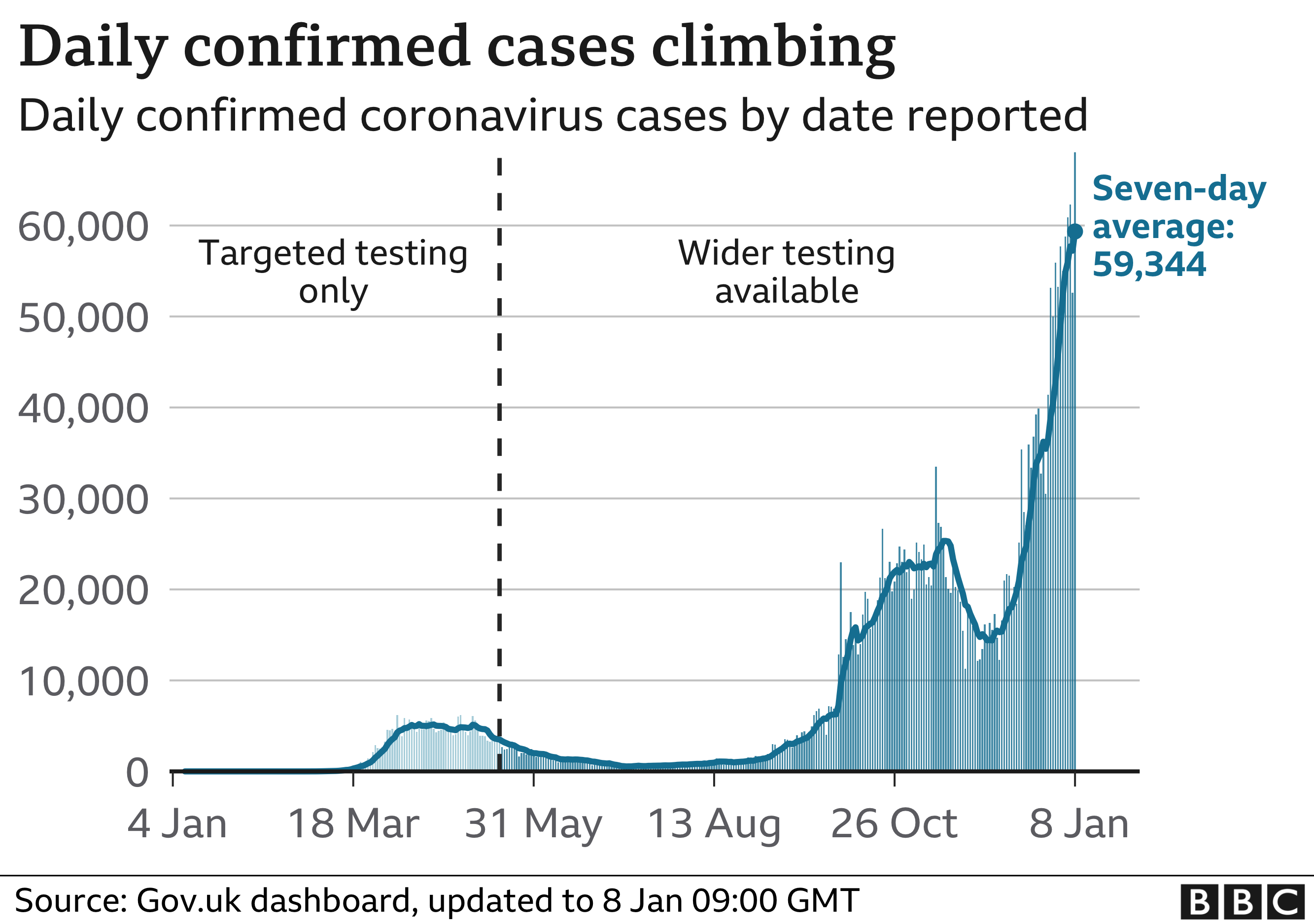
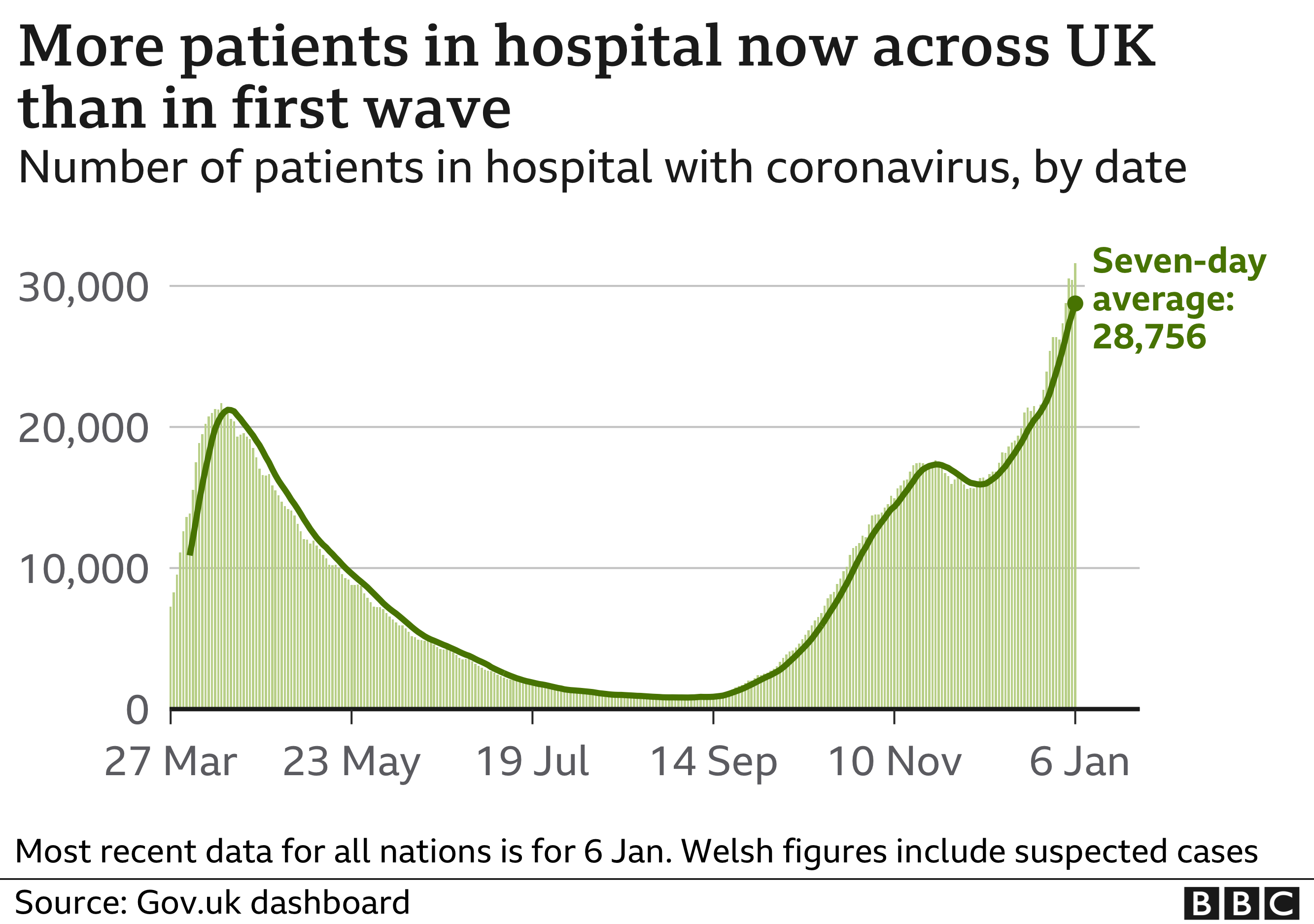
|
||||||||||||||||||||||||||||
|
Friday 8th January |
||||||||||||||||||||||||||||
A long read today on the origins of Covid-19.
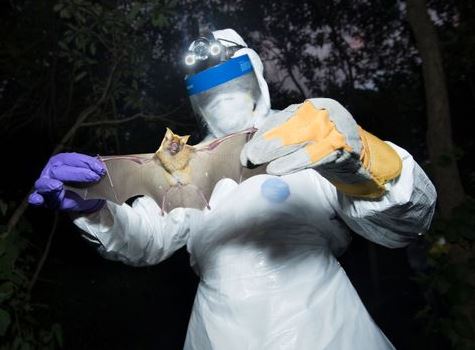
Graham Gibbs has drawn my attention to an article titled "The Lab-Leak Hypothesis" by American essayist Nicholson Baker published on the New York Magazine "Intelligencer" website. Its thesis argues, as Graham says, "not a conspiracy but a cock-up". There are two main camps in the debate. In one, the belief is that the pandemic originated through natural zoonotic causes; a zoonosis is an infectious disease caused by a pathogen that has jumped from a non-human animal (bat, pangolin) to a human. In the other view, the accusing finger points at human error, careless scientific tinkering, unintentional release from a laboratory. This may well be more likely in the so-called "gain of function" experiments that "push the envelope", designed to create new, more virulent or more infectious strains of diseases in an effort to predict and therefore defend against threats that might conceivably arise in nature. Baker describes a catalogue of such errors, including diseases other than a coronavirus. The article is 32 A4 pages long. Very interesting, not for everybody. [Brian Robathan, given the nature of your report posted here on 25th April last year, it may well appeal to you.] Here is the full text: Below are some fragments of the lab escape premise. High-containment laboratories have a whispered history of near misses. Scientists are people, and people have clumsy moments and poke themselves and get bitten by the enraged animals they are trying to nasally inoculate. Machines can create invisible aerosols, and cell solutions can become contaminated. Waste systems don't always work properly. Things can go wrong in a hundred different ways. Richard Ebright, a molecular biologist at Rutgers University, wrote that he'd been concerned for some years about the Wuhan laboratory and about the work being done there to create "chimeric" (i.e. hybrid) SARS-related bat coronaviruses "with enhanced human infectivity". Ebright said, "In this context, the news of a novel coronavirus in Wuhan screamed lab release." For more than 15 years, coronavirologists strove to prove that the threat of SARS was ever present and must be defended against, and they proved it by showing how they could doctor the viruses they stored in order to force them to jump species and go directly from bats to humans. More and more bat viruses came in from the field teams and they were sequenced and synthesized and "rewired". In this international potluck supper of genetic cookery, hundreds of new variant diseases were invented and stored. And then one day, perhaps, somebody messed up. Could a world full of scientists do all kinds of reckless recombinant things with viral diseases for many years and successfully avoid a serious outbreak? The hypothesis was that, yes, it was doable. The risk was worth taking. There would be no pandemic. There we have it: Trump's "Chinese virus" ;-) We've all been wondering what Trump might still have up his sleeve. As a parting gesture? My friend Brian Walsh mentioned this idea earlier in the week, and here it is in the New York Times: Trump has now released a taped video speech expressing a miraculously revised set of views and values: he condemns the rioters, commits to the transition, urges the nation to heal and bind together. Is it all too late to save him? |
||||||||||||||||||||||||||||
|
Thursday 7th January |
||||||||||||||||||||||||||||
|
The Democrats won the Georgia runoff elections and regained control of the Senate. Then this ...
The mayhem in Washington has been widely reported so I'll stick to this one video, some headlines and then statements from former presidents.
Jimmy Carter: "Rosalynn and I are troubled by the violence at the U.S. Capitol today. This is a national tragedy and is not who we are as a nation. Having observed elections in troubled democracies worldwide, I know that we the people can unite to walk back from this precipice to peacefully uphold the laws of our nation, and we must. We join our fellow citizens in praying for a peaceful resolution so our nation can heal and complete the transfer of power as we have for more than two centuries." Bill Clinton: "Today we faced an unprecedented assault on our Capitol, our Constitution, and our country. The assault was fueled by more than four years of poison politics spreading deliberate misinformation, sowing distrust in our system, and pitting Americans against one another. The match was lit by Donald Trump and his most ardent enablers, including many in Congress, to overturn the results of an election he lost. The election was free, the count was fair, the result is final. We must complete the peaceful transfer of power our Constitution mandates." George W. Bush: "Laura and I are watching the scenes of mayhem unfolding at the seat of our Nation's government in disbelief and dismay. It is a sickening and heartbreaking sight. This is how election results are disputed in a banana republic - not our democratic republic. I am appalled by the reckless behavior of some political leaders since the election and by the lack of respect shown today for our institutions, our traditions, and our law enforcement." Barack Obama: "History will rightly remember today's violence at the Capitol, incited by a sitting president who has continued to baselessly lie about the outcome of a lawful election, as a moment of great dishonor and shame for our nation. But we'd be kidding ourselves if we treated it as a total surprise. For two months now, a political party and its accompanying media ecosystem has too often been unwilling to tell their followers the truth - that this was not a particularly close election and that President-Elect Biden will be inaugurated on January 20. Their fantasy narrative has spiraled further and further from reality, and it builds upon years of sown resentments. Now we're seeing the consequences, whipped up into a violent crescendo." In short, right now the USA hasn't got a President worthy of the office, nor a leader committed to and capable of making decisions in the national - and international - interest. There's real anxiety that an unhinged Trump might wreak yet more havoc in his 13 remaining days. |
||||||||||||||||||||||||||||
|
Wednesday 6th January |
||||||||||||||||||||||||||||
|
Time for some brighter stuff.
It looks [11 am GMT] like the Democrats could win the two Georgia seats needed to gain control of the Senate. The Reverend Raphael Warnock - senior pastor of Martin Luther King's Ebenezer Baptist Church in Atlanta, the first black senator from Georgia - appears to have won the first seat. Jon Ossoff is believed to be ahead of David Perdue for the second. Then Kamala Harris can exercise her casting vote. All in spite of - or because of? - Trump's ranting visit. Fingers crossed. 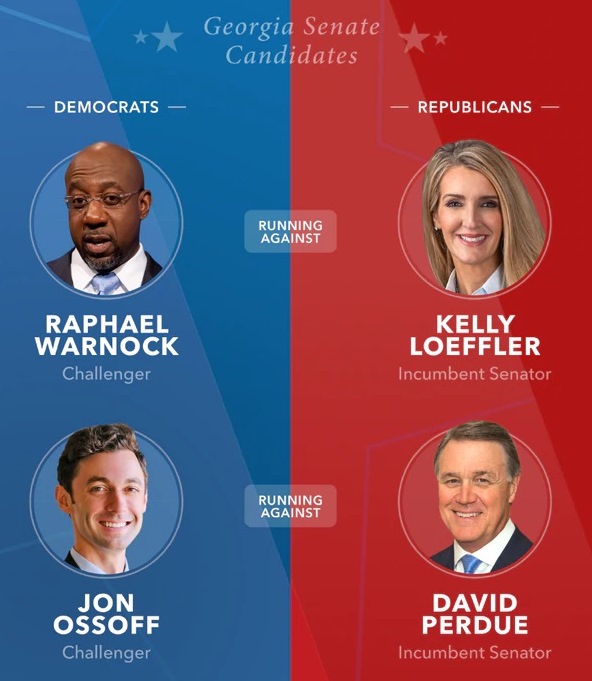
If you wanted to have a different Covid experience, living in the Pacific would be a good starting point. The Republic of Palau (capital Ngerulmud 7°30'N 134°37'E, 500 miles east of the Philippines, 459 square kilometers or 177 square miles, population 17,907 in 2018) is an archipelago of ~340 islands. To date Palau has not recorded a single coronavirus case or virus-related death (WHO). The country may now be the first in the world to complete its vaccination program. As an independent nation in free association with Washington Palau has access to the United States' mass Covid-19 vaccination program known as Operation Warp Speed (OWS). The first shipment of the vaccine developed by US pharmaceutical company Moderna arrived last Saturday. Vaccinations started the next day. 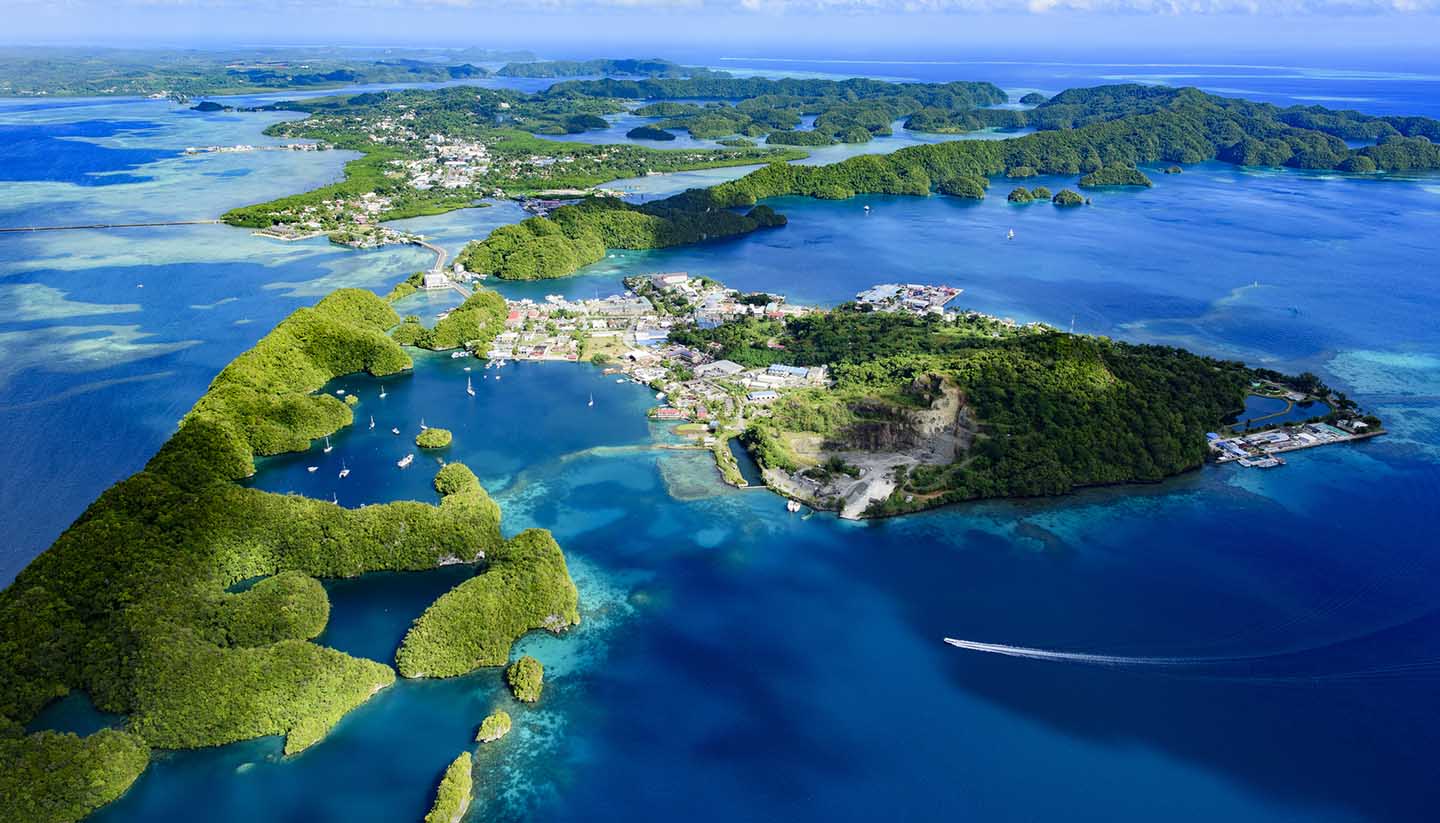
Battery electric vehicles accounted for more than half of all cars sold in Norway last year, putting the country way out in front in efforts to kill off the internal combustion engine. The market share of electric cars increased to 54% in 2020 from 42% the previous year according to data published by the Norwegian Road Federation (OFV). When hybrid vehicles are included the share of electrified vehicles hit 83% last year. Petrol and diesel cars, which had a combined market share of 71% in 2015, now have just 17%. Volkswagen's Audi brand was the market leader in 2020 selling 9,227 of its E-Tron vehicles. Tesla's Model 3, the 2019 leader, was pushed into second place with 7,770 sales. Volkswagen's ID.3 ranked third with 7,754 cars sold. 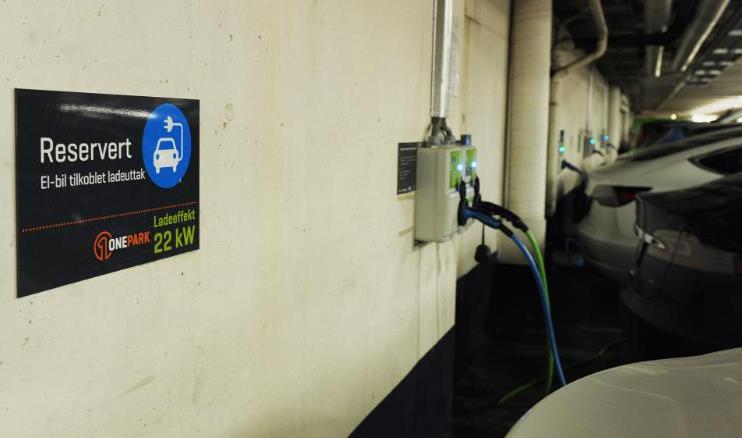
If you have any doubts about the return of "great" and "sovereignty" to our nation, here's a radio interview: |
||||||||||||||||||||||||||||
|
Tuesday 5th January |
||||||||||||||||||||||||||||
Boris announced Tier 5 last night for the whole of England: stay at home, schools closed, university students don't return to campus, outdoor sports venues shut, no end-of-academic-year exams - and more. Too late again. By now you know my approval of the Taiwanese approach and the success of other Asian countries. Here's a cartoon from the New Zealand Herald:

I was wondering how much lower Trump could go in his last 15 days. The ten living former US defence secretaries, including Dick Cheney and Donald Rumsfeld, expressed their fear of his invoking military intervention in an open letter to the Washington Post. "Efforts to involve the US armed forces in resolving election disputes would take us into dangerous, unlawful and unconstitutional territory. Civilian and military officials who direct or carry out such measures would be accountable, including potentially facing criminal penalties, for the grave consequences of their actions on our republic. "The transition at the Defense Department [must] be carried out fully, cooperatively and transparently. Acting defense secretary Christopher C. Miller and his subordinates - political appointees, officers and civil servants - are each bound by oath, law and precedent to facilitate the entry into office of the incoming administration, and to do so wholeheartedly. They must also refrain from any political actions that undermine the results of the election or hinder the success of the new team." A perilous path indeed. Why did the secretaries write this letter (full text here |
||||||||||||||||||||||||||||
|
Monday 4th January |
||||||||||||||||||||||||||||
|
Reluctantly I have to renege on the promise I made to myself to look to the positive. Maybe it's a case of "it's going to get worse before it gets better".
Boris is promising stricter measures to combat Covid, saying there is "no question" the government will announce them "in due course". [Now - it's early evening - he plans to address the nation at 8pm.] Keir Starmer has urged him to go further. "The virus is clearly out of control," he said yesterday, "there's no good [in] the prime minister hinting that further restrictions are coming into place in a week, or two or three. Delay has been the source of so many problems. So, I say, bring in those restrictions now, national restrictions, within the next 24 hours. That has to be the first step to controlling the virus." I agree. I have always believed, unwillingly, that lockdown is the only defence. The numbers below (up to 28th December) demand such action: 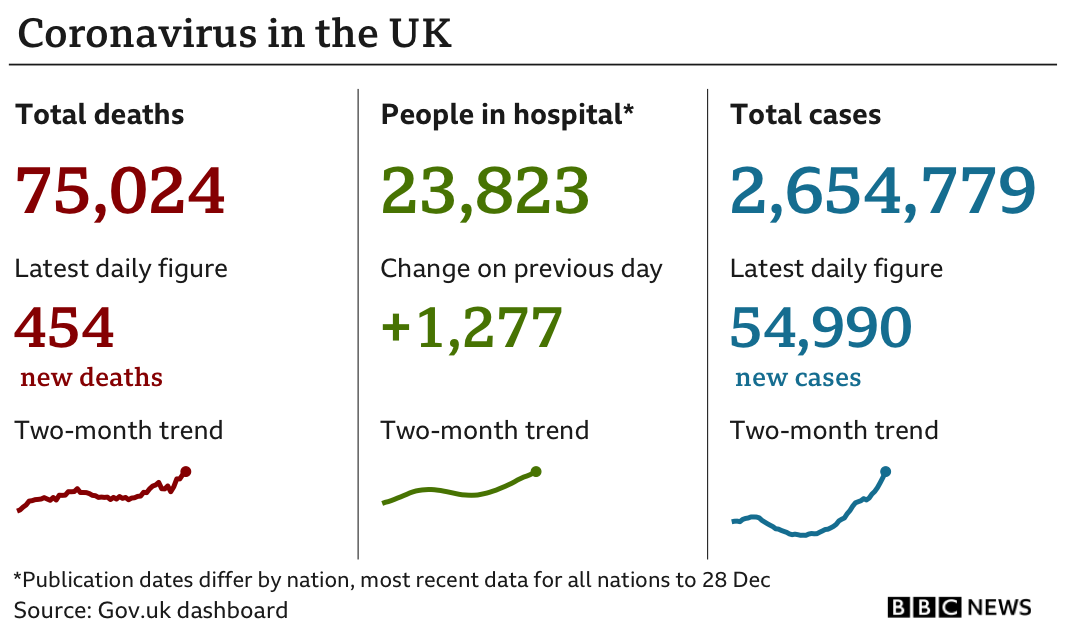
I thought we'd almost finished with Trump. There's only 16 days until Biden's inauguration, but he continues to defy belief, this time in a telephone call to Georgia Secretary of State Brad Raffensperger encouraging him to help rescind the state's election result. Michael D'Antonio comments in a CNN opinion piece: "The latest turn in loser Donald Trump's campaign to overturn the 2020 election reveals a desperate man willing to say almost anything to get what he wants but instead getting rebuffed by officials who are made of finer stuff. As he pressures them to abandon their duty and come over to the dark side of politics, their refusal makes Trump's corrupt methods all the more obvious. Trump sounds more like a dictator than an American president. He is by turns bullying, flattering, and repugnant, frantically trying to close the biggest deal of his life." CNN has published the full audio and transcript of the call. Here's the latter, all 23 pages: I post these because they're an extraordinary record of the death rattle of a maniac. I'm sure none of you has the time to go through them, although I think the transcript is particularly worth it; anyway, they're included here for the record. Here's a flavour in some excerpts from his tirade. "I think it's pretty clear that we won. We won very substantially in Georgia. I think I probably did win it by half a million. It's just not possible to have lost Georgia. It's not possible. When I heard it was close I said there's no way." "Brad, whether you know it or not, they're [Fulton County officials] laughing at you and you've taken a state that's a Republican state, and you've made it almost impossible for a Republican to win because of cheating, because they cheated like nobody's ever cheated before. And I don't care how long it takes me, you know, we're going to have other states coming forward." "That's (ballot shredding] a criminal, that's a criminal offense. And you can't let that happen. That's a big risk to you and to Ryan, your lawyer. They are shredding ballots, in my opinion, based on what I've heard. And they [Dominion Voting Systems] are removing machinery and they're moving it as fast as they can, both of which are criminal finds. And you can't let it happen and you are letting it happen. You know, I mean, I'm notifying you that you're letting it happen. So look. All I want to do is this. I just want to find 11,780 votes, which is one more than we have because we won the state." "Look Brad, I got to get ... I have to find 12,000 votes and I have them times a lot. And therefore, I won the state. That's before we go to the step, which is in the process of right now. You know, and I watched you this morning and you said, uh, well, there was no criminality. But I mean, all of this stuff is very dangerous stuff. When you talk about no criminality, I think it's very dangerous for you to say that." "Did you ever check the ballots that were scanned by [name undisclosed]? Did you ever check who those votes were for? They were 100 percent for Biden. 100 percent. There wasn't a Trump vote in the whole group. Why don't you want to find this, Ryan? What's wrong with you? I heard your lawyer is very difficult, actually, but I'm sure you're a good lawyer. You have a nice last name." "You guys are so wrong. And you treated this, you treated the population of Georgia so badly. You, between you and your governor, who was down at 21, he was down 21 points. And like a schmuck, I endorsed him and he got elected, but I will tell you, he is a disaster. And he knows, I can't imagine that people are so angry in Georgia, I can't imagine he's ever getting elected again I'll tell you that much right now. But why wouldn't you want to find the right answer, Brad, instead of keep saying that the numbers are right? Cause those numbers are so wrong." Yes, this is the President of the United States. Can he stoop lower over the next 16 days? It'll be interesting to see what happens after the runoff elections. |
||||||||||||||||||||||||||||
|
Sunday 3rd January |
||||||||||||||||||||||||||||
|
Ireland pulls another post-Brexit move. Report from the Irish Times.
British troops famously left through Dunkirk in wartime but the French port is to become a valuable entry point for Ireland into mainland Europe in the wake of Britain's departure from the EU. Danish shipping line DFDS announced on Friday that a new daily service between Rosslare Europort and Dunkirk that will bypass Britain and serve as another transit route to Europe for Irish importers and exporters. It will allow them to avoid expected Brexit-related border delays on the UK "landbridge" route and shave hours off the journey for lorries destined for important export markets for Irish companies in the Benelux countries, Germany and beyond. The three ferries will ensure that there will be six departures over the course of the week in each direction. Each ferry can carry up to 125 trucks and drivers in single cabins to protect against Covid-19. The company estimates that the crossing time will be 24 hours. "Upon arrival in Dunkirk drivers will be fully rested and immediately able to reach many major destinations within the legal driving limit," the company said. 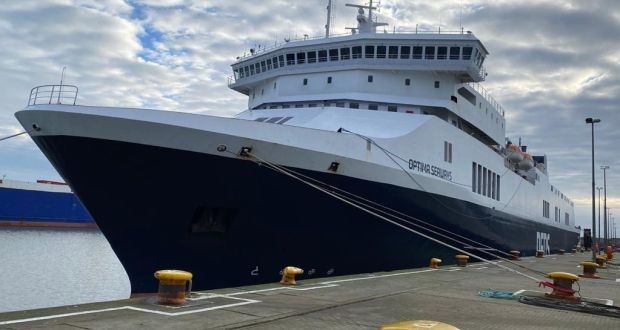
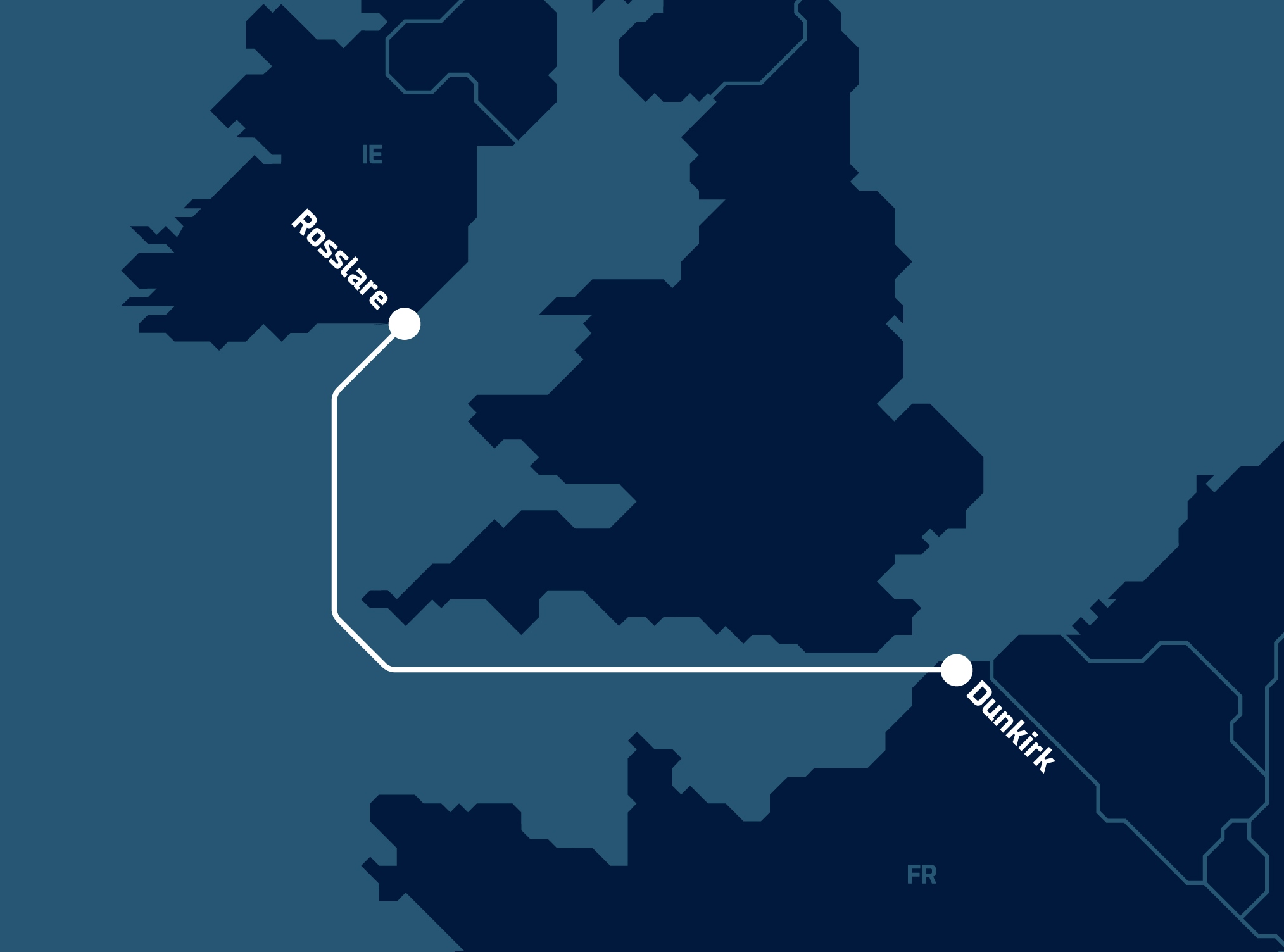
I thought Brexit was meant to create bright trading opportunities for the UK, not for countries that remain in the EU. This is a different twist on the Dunkirk spirit, alas. Holyhead councillor Bob Llewelyn Jones expressed his fears at Tuesday's meeting of Anglesey Council: "With freight being shipped direct from the continent into Dublin and other Irish ports, our Holyhead facility could well see a big reduction in the traffic we now handle and hence a lot of local people losing their jobs. This is a worrying time." Wales voted 52.5% / 47.5% in favour of Leave in the 2016 referendum. Irish MPs are chirping. Brendan Howlin, Teachta Dála (TD) for Wexford, tweets: |
||||||||||||||||||||||||||||
|
Saturday 2nd January |
||||||||||||||||||||||||||||
|
It's clear that we have a long haul ahead of us before the end of the coronavirus crisis, and that's assuming that Tier 4 restrictions are observed and vaccines are delivered and effective. How can we get through the coming months? Staying at home, not seeing family and friends, travel bans - they will all strain our inner resources.
I've decided that jokes will help. I've started trawling YouTube. I find myself still chuckling later. Here's a Harrison Ford story about broccoli. John works in a greengrocer shop. He stacks the produce, making it as attractive as possible to customers. A woman comes into the shop and browses, then calls John over.
John continues piling up cabbages and the woman drifts away. After a while she's back.
The woman walks off and John moves on to carrots. A few minutes later she's there again, right in his face.
|
||||||||||||||||||||||||||||
|
Friday 1st January 2021 |
||||||||||||||||||||||||||||

It's been 285 days since I started this blog on 22nd March 2020. I was late to get going and I've had a few rest days, but no more than ten. Where are we? Sadly, at the second and highest peak of Covid infections. I prefer to look forward rather than review the past year. What can we expect that's positive?
|
